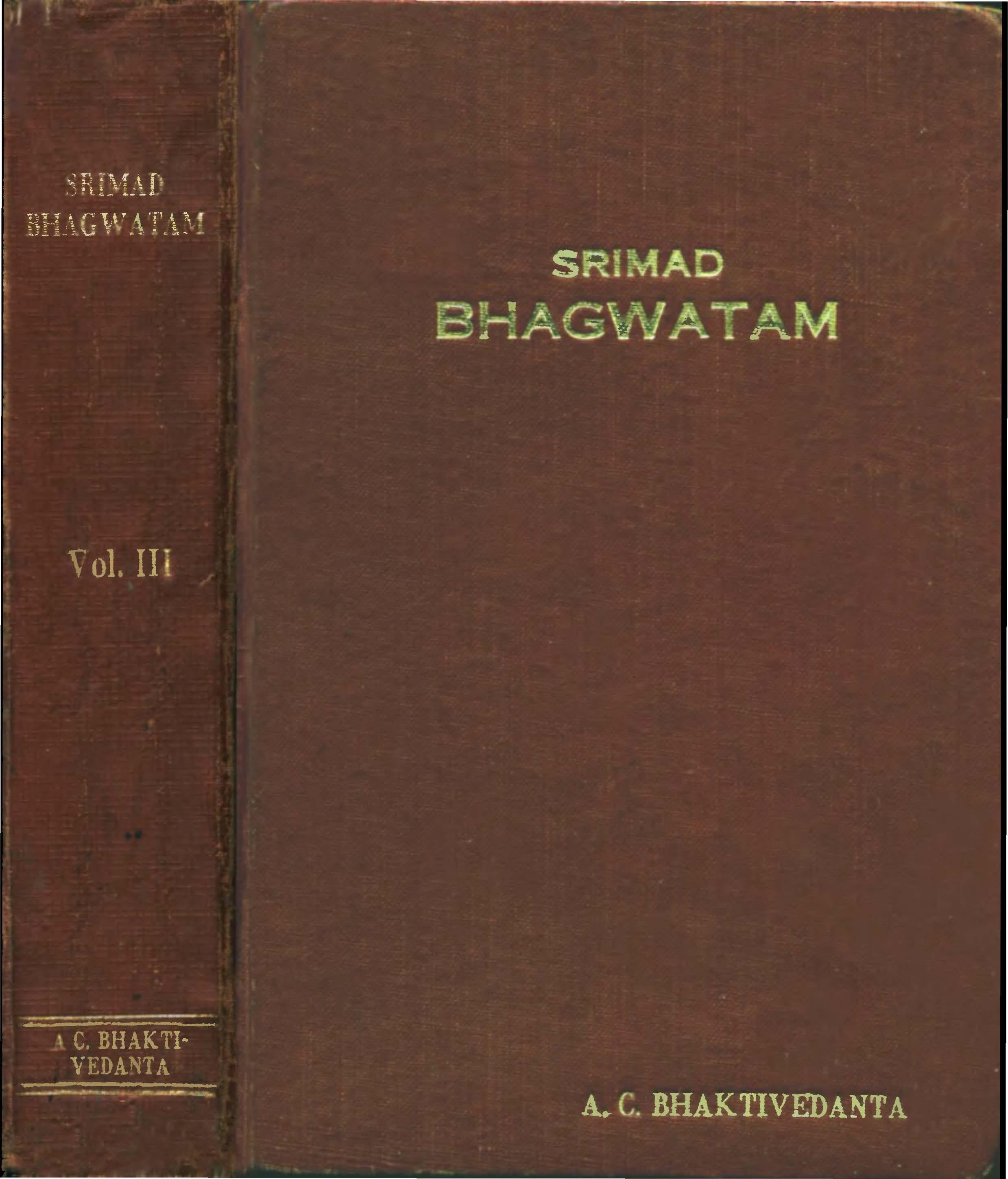
Vedanta & Srimad·Bhagwatam
Reviewby The Indian Philosophy & Culture, Vrindaban ·
Q.uaterlyJournalofthe INSTITUTE OF ORIENTAL PHILOSOPHY


Vrindaban U.P. (India)
SEPTEMBER
1964
Srimad Bhagavatam SecondPart Canto 1, Chap. VII, verse 8, to Chap. XII with Original Text, Transliteration, English synonym, English Translation and Purport ofthe text. Edited by A.C. Bhakti-vedanta Swami. Published by the League of Devotees, Vrindaban (U.P.) 1964. Page vii, iv, 65 to 748. Price Rs. 16/- only.
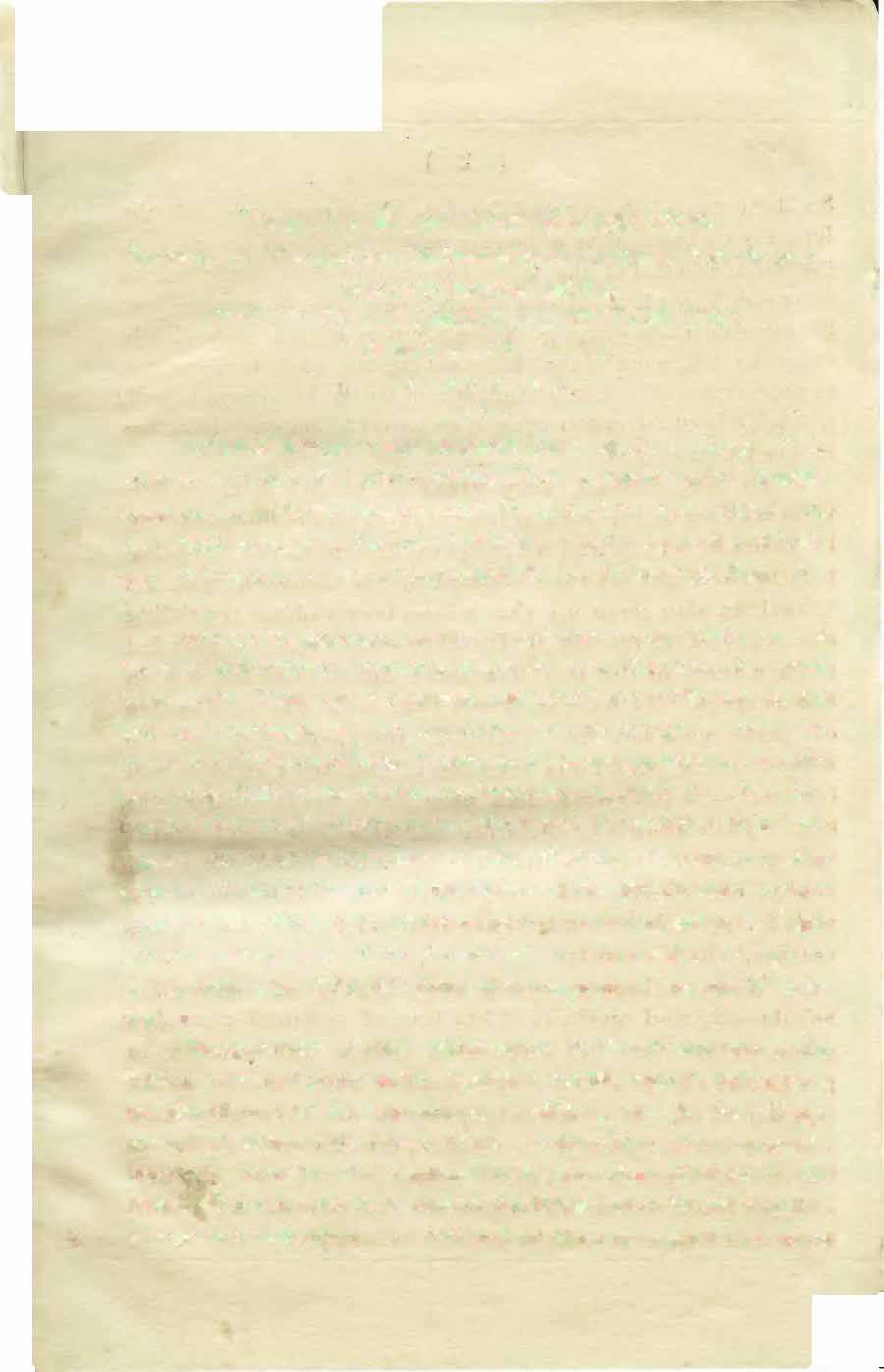
Srimad Bhagavatam has been declared by Sri Caitanya as the only authentic commentary on the Brahma Sutram. It is well known that Bhagavan Vedavyasa compiled the different Vedas and the Upanisads, as also ]aid down the true import of the same by means ofhis aphorisms, known as Brahma Sutram.. The Sutram being difficult. he further condescended to write the Bhag:wa,'am in the form of Puranam with the object of making the teachin�s of theVedas, as laid down in the Brahma Sutram, an easy access. This shows the great importance ofthe Bhagavatam a work from the pen oft�e great compiler ofthe Vedas himself-as the right keyto the secret lore ofthe Vedas and the Upanisads, though it is notwritten in the style ofan usual commentary on the Brahma Sutram.
Being unware ofsuch significance of the Bhagavatam, the Indian mind has been used to hold that the Bhagvatam carries only the Bhakti cult ofthe Pancharatra tradition, and is not directy concerned with the teachings ofthe Vedas. The major emphasis, therefore, given to the Sariraka and the other Bhasyas of the Brahm� Sutram, and the claims ofthe Bhagavatam in this direction was ignored altogether. It has therefore, been the signal service of
Sri Caitanyaand hisschool of Goudiya. Vaisanavas to install the Bhagavatam in the place of honour which it deserves as the only rightful descendent of the vedic lore coming down straight from Bhagavan Vyasadeva himsel£ Thus taking the Bhagavatam as the sole commentary on the Brahma-Sutram we not only rightly assess the full scope ofthe Bhagavatam, but also to a proper comprehension of the subject matter of the Brahma-Sutram itself, which has been the matter ofgreat controversy amongst its authoritative commentators.

We are, indeed, very grateful to Sri A. C. Bhakti· vedanta Swami for both of his volumes onthe Bhagavatam, in which he has spared no pains to interpret the Bhagavatam. in the right manner showed by Sri Caitanya and his school, as also clear up the misunderstanding regarding the scope of its teachings His 'Elaborate Puport' appended to each verse of the text has been quite illuminating in this respect. We have no doubt that with the publication of these volumes the rightful interpretation of the Bhagawatam, which has been the gift of Sri Caitanya and his Goswami followers, has now been made available to the English knowing world for the first time, and that it will go a great way in making the great foutain·head of Divine knowledge and Love-which the Bhagawatam isrightly appreciated and whole heartedly accepted by the wohle of the humanity.
These volumes speak very highly of Swamiji's scholarship and specially of his love of cultural pursuits, when we look into his enormous labour and sacrificein producing them almost single·handed and that, too, at the ripe age of 68. We earnestly pray to the Almighty that He may spare Swamiji for all the years hemay require to finish his Magnum opus of 60 volumes, aDd earn the love and gratitude ofhis fellowmen in the pursuit of Divine L.ove and Grace-nay of the endre humanity.


( 2 D
Ail GL6RY TO SRI GURU ANDGOUi=tANGA
��� Ar: n�"'�;ij- �n�azmrw�:'
� -m� ;r�f;tr !f;Jrtr'{T�qq)qfcr: II



�" u:wt lf'{)"lll'1 �rcrtrrr;rrra-iijq�: '

Vtf �;j <ff�ISlJTflf �a-lf,�if�'nlfl{ II


Y081/a,rQ,Btre praJa,l6.sarvas tra.syante saddhi asadhubhih
Ta,aya matf4sya nasyanti kirtir ayur bhaga gatih.
E1M, ra,jn.am paro dharmo hi artanam artinigrahah
Ala en.am vadhisyami bhutadroha asattamam. (pp. 1023)
ENGLISH VERSION (Third Volume)
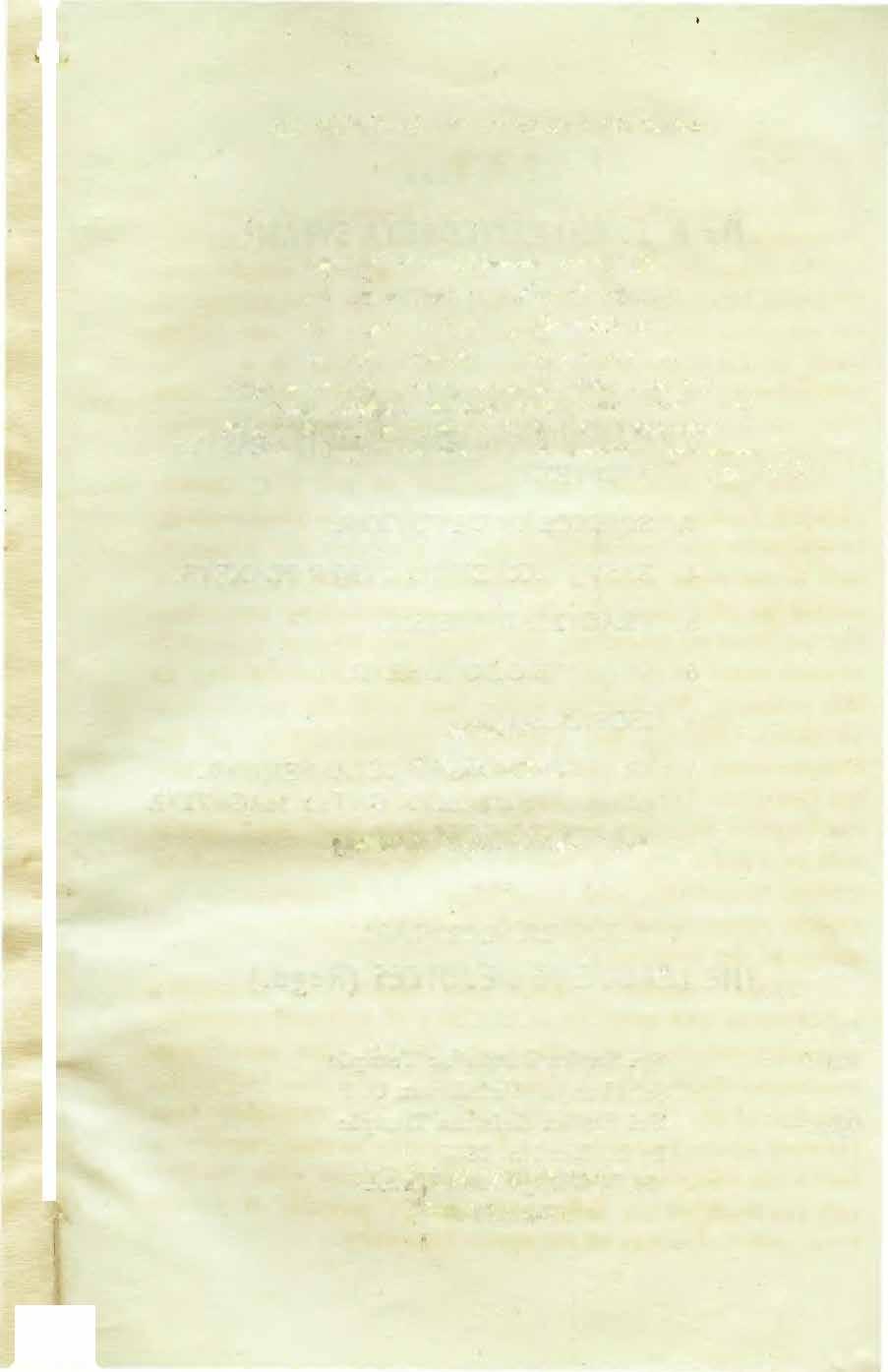
.I -, ,,
SRIMAD BHAGWATAM of E;RISHNADWAIPAYANA VYAS
By A,. C� BHAKTIVEDANTA SWAMI
LISTOF OTHER BOOKS ·.._.,.

(InEnglish)
1. GEETOPANISHAD.
2. CHATTANYA CHARITAMRITAESSAYS AND TEXT.

3. SGllENCE OF DEVOTION.
4. EASYJOURNEY TO OTHER PLANETS.
5. PRACTICAL THEISM.
6. MESSAGE OF GODHEAD.
7. ISOPANISHAD.


8. PR:\YERS OF KING KULASHEKHAR. Editor ofTHE FORTNIGHTLY MAGAZINE. BACK-TO-GODHEAD AND FOUNDER SECRETARY.
THE LEAGUEOF DEVOTEES (Regd.)
Residence:Office:-
SriRadhaDamodarTemple·
Sebakunja, VrindavanU. P.
SriRadha KrishnaTemple
P. 0. BoxNo. 1846 2439, ChhipiwadaKalan DELHI-6.

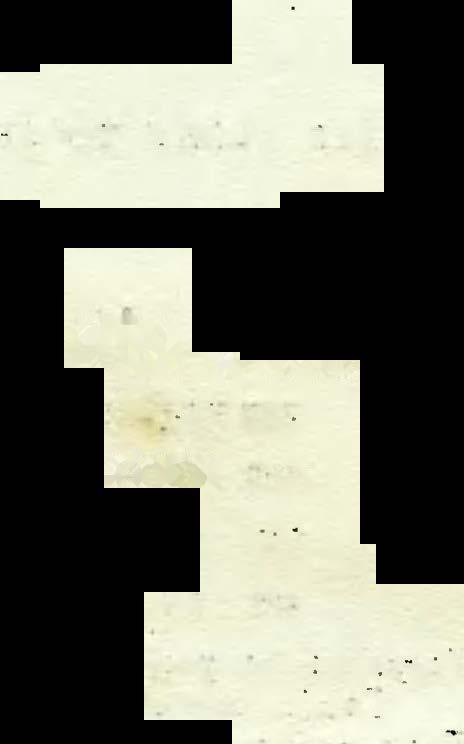
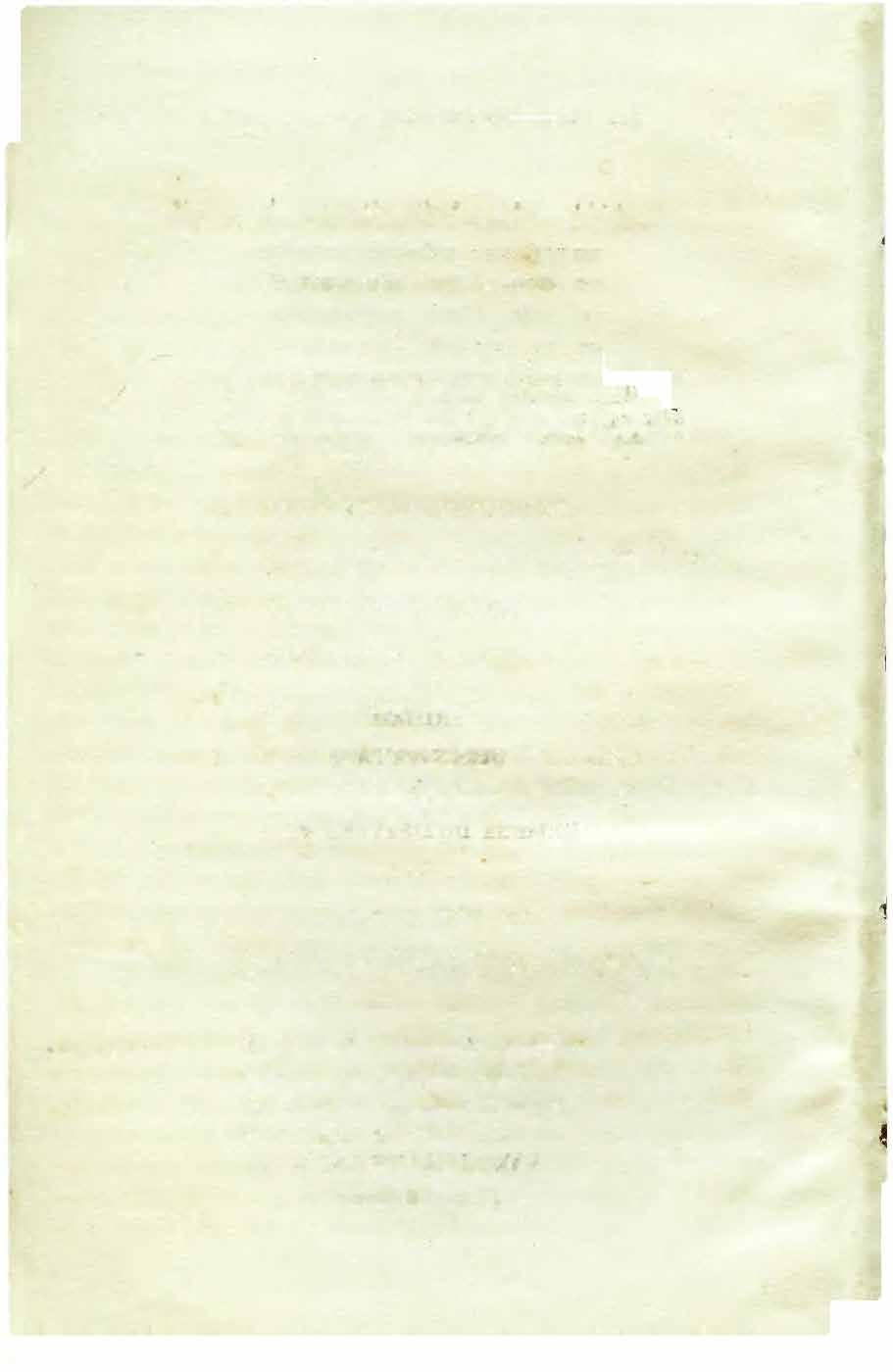
�
I .j
THIRD PART
(From Thirteenth To Nineteenth Chapters End of the First Canto)
Origin�[ Sanskrit Text, Roman transliteration, English
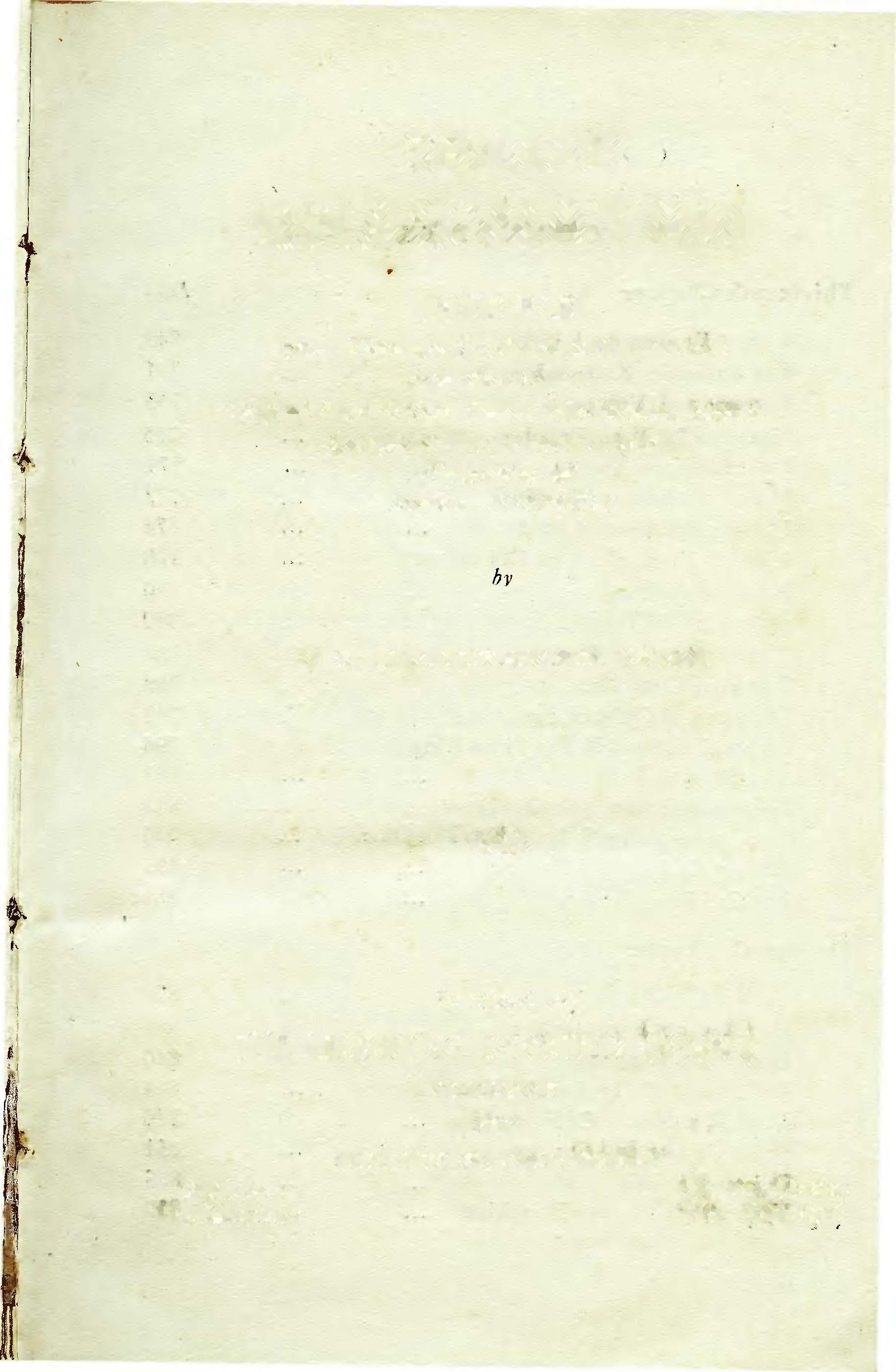
Synonyms of word to word, English
Translation and Elaborate PURPORTS
t �. j I II
SRIMAD ' BHAGWATAM
bv
Publishedby' THE LEAGUEOF DEVOTEES'(Regd.) VRINDABAN AND POSTBOXNo,1846.:DELHI-6
: · The Members Rs. 16/· (India) £2/- (Foreign) -" �
A.
C. BHAKTIVEDANTA SWAMI 1965
Gratisfor
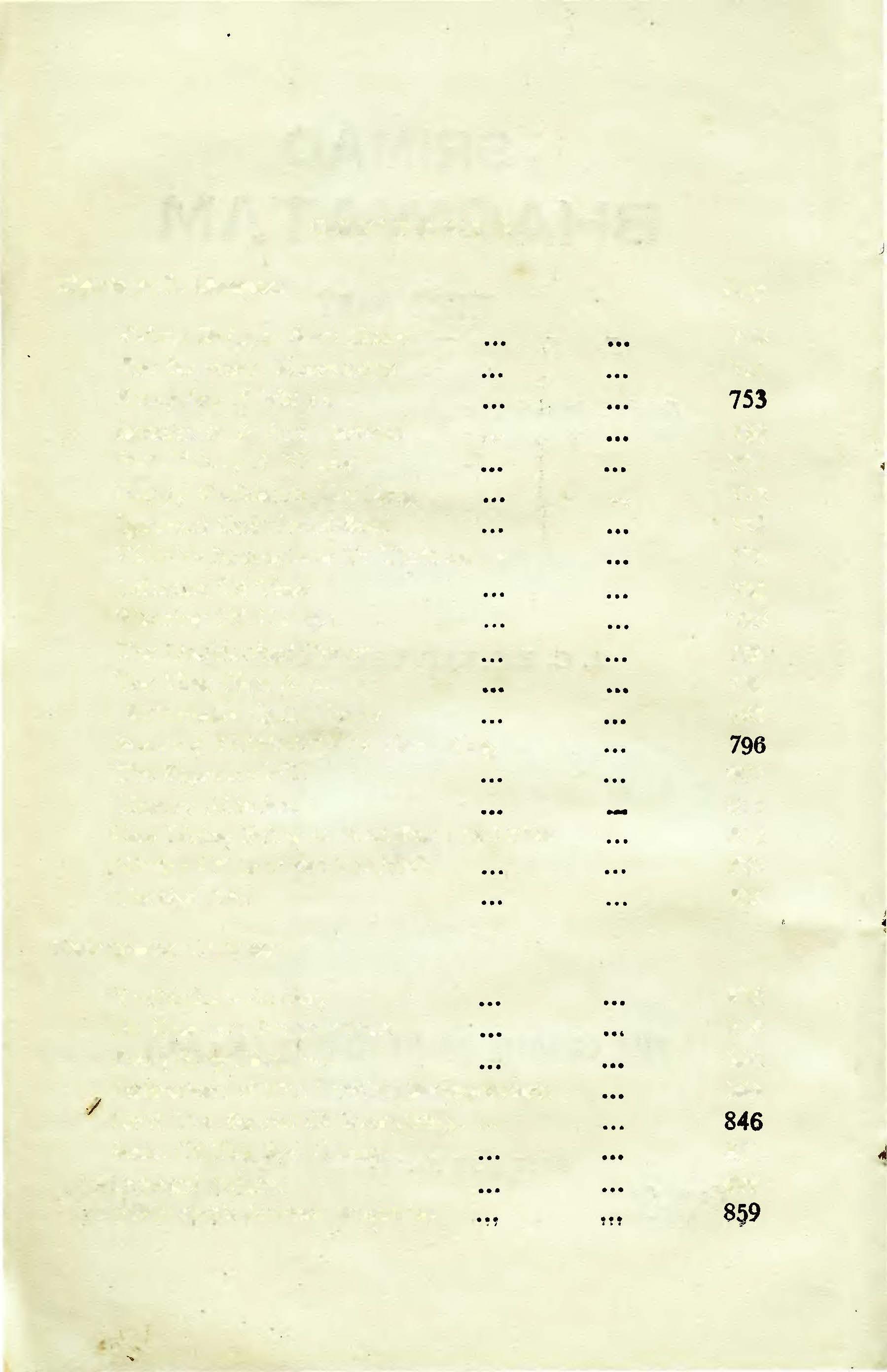
CO NTENTS Thirteeath Chapter Pag1 Vidura Returns Back Home 749 The Sup:reme Knowledge 751 Reception of Vidura 753 Sanctity ofA Pure Devotee ... 765 Past Historyof Vidura 771 Happy Yudhisthir The King ... 773 Ignorant Coditioned Soul 774 Vidura's Instructions To Dhritarastra 776 Infiuu,ce OfTime 780 Warning Of Oldage 782 The Undisturbed Person 788 The First Class Man 789 Dhritarastra Quits Home 792 Maharaj Yudhisthir The Pious King 796 The Supreme Will S07 Illusory Affection - 813 One Living Being Is Food For The Other 816 Mission Of Lord Sri Krishna 822 The Sati Rite 833 F'oarteenth Chapter Yudhisthir's Anxiety 836 He Ol,>serves Irregularities 838 Everything Disturbed 840 Indications ofThe Lord's Disappearance 844 846 Lord The Source OfEverything. •.• Some Of The Bad Omens 851 .. Dejected A1juna 856 Yudhisthir's Anxious Er.quiries .!, 't' 8�9
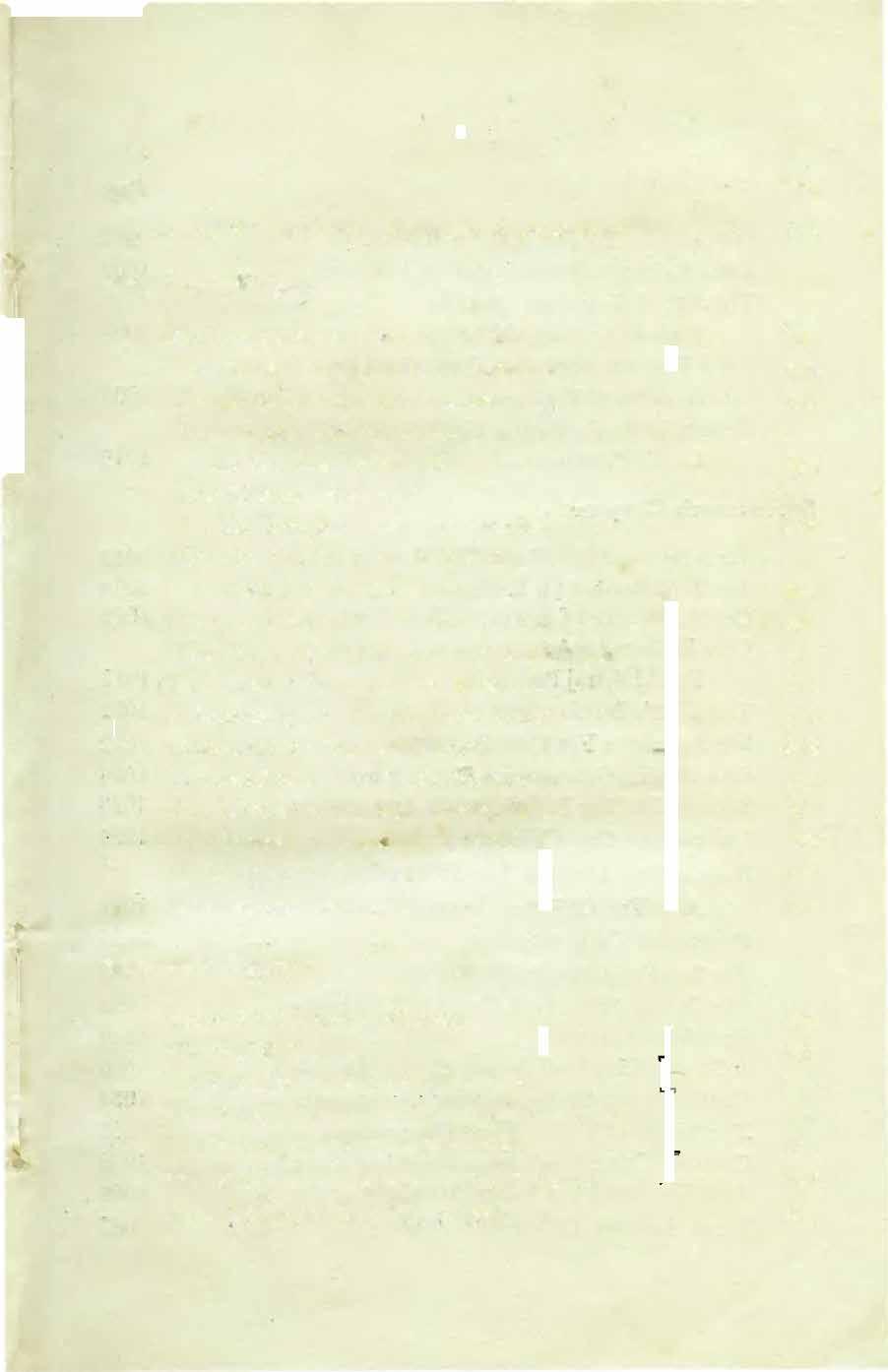





( 11 ) Page Lord Sri Krishna's Departure Apprehended 878 t r Fifteenth Chapt�r Feelings ofSeparation By Arjuna 880 The Lords Disappearance Admitted 833 Thoughts On Lord Sri Krishna ... 886 How Arjuna was Successful ;, In Gaining Droupadi 887 How Bheema Was Able To Conquer Over Jarasandha 890 How the Pandavas Were Saved From Durvasa's Wratn 894 How He Obtained Different Weapons 897 How He Fought The Battle of Kurukshetra 904 The Law OfSrtuggle For Existence 919 A Summary OfThe Bhagwat Geeta 920 Liberation by Bhagwat Geeta 928 The Pandavas• Timely Retirement •.. 931 The Mystery OfLord's Disappearnce 934 How Society Is Affected By Kali 939 Maharaj Parikshit Enthroned 941 t Maharaj Yudhisthir Liberated 945 Sixteenth Gbapter Reign Of Maharaj Parikshit 960 His World Tour 965 His Attempt To Exte�rninate Kali 9 74 The King's Reception All Over The World 979 � The Principles OfCow Protection ... 984 The King's Anxieties Over The Principle 985 Cow J(illin� A Great Prawback �.' .,. 9&7
Degradation In The Age Of Kali ...
Lord Krishna's Transcendental Attributes
TheAge ofKali Inco patible With Everything Noble


Lord Krishna Attractive Even For The Goddess ofFortune
Delightful Earth During The Lord's Presence
Seventeenth Chapter Maharaj Parikshit Meets The Pretender Kali The
( iii )
Bull Symbol OfReligion Cow he Source ofReligious Principles Cow Killing An Astonishment For Maharaj Parikshit The King's Bereavement His Assurance For Cow Protection Cow Killing-Government <::ondemned Species OfCow Is Off�nceless And Honest Offender to The Qffenceless State's Duty Towards The Offenceless And The Offenders Philosophy OfWrongdoer
Lord's Inconceivable Energy...
Pillars And The Killers OfReligiosity Earth's Bereavement ... A Strong
Can Adjust Earthly Disorders Consequences OfAn Impious Government The Verdict OfThe Pious Government Clearing Out Sinners from Sanctified Place Specified Spots For Sinful Activities Jdeal Leaders OfSo�iaJ \Velf�r� .', Page 992 1000 1004 1006 1019 1012 1014 1015 1017 1021 1022 1024 1028 1029 1031 1036 1042 1043 1049 1050 1054 1055 1056 1069 l067
The
The
King
Diplomacy in Fighting the Evil ...
Spiritual Movement And Smte Support
EighteenthChapter

AcceptingtheSpintual:Master

Checking The Evil
Special Concession ForThe Fallen Age
Feasible Sacrifice In TLe Age of Kali
Association OfA Devotee
Sri Krishna The Unlimited
Practical Salvation Significance Of The Unlimiled
Ni!.eteeath
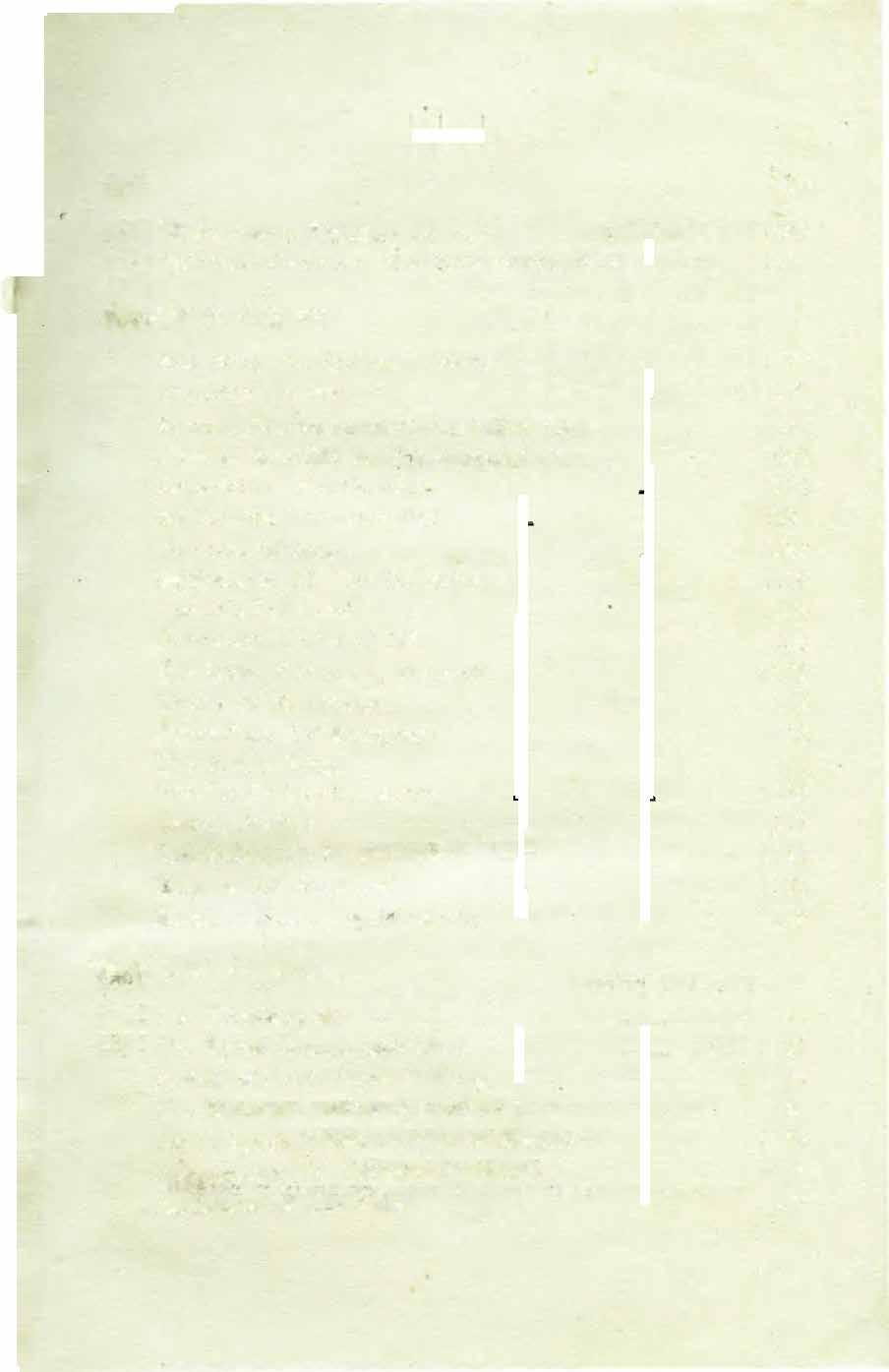
The Glorious Lord Renouoced Order of Life The Story ofMaharaj Parikshit Trance ofBhaktiyoga Formalities OfReception The Angry King Tbe Lord's Speeia] Mercy Castely Malice The Puffed Up Brahmin Boy Curstng Not Approved Result ofDestroying 1\fonarchy
Chapter The King Repents The Rivers Ganges &Jamuna Arrival ofGreat Sages & Kings The Brahmins and the Kshatriyas ... Lord's Special Favour Upon A Devotee Appreciation OfThe Acts ofPandavas . Attributes OfThe Sages Pt'Jgt 1068 1071 1075 1079 1081 1087 1089 1091 1097 1100 1103 1105 1108 1110 1112 1115 1116 1119 1122 1127 1129 1141 1150 1154 1162 1164 1172 1176
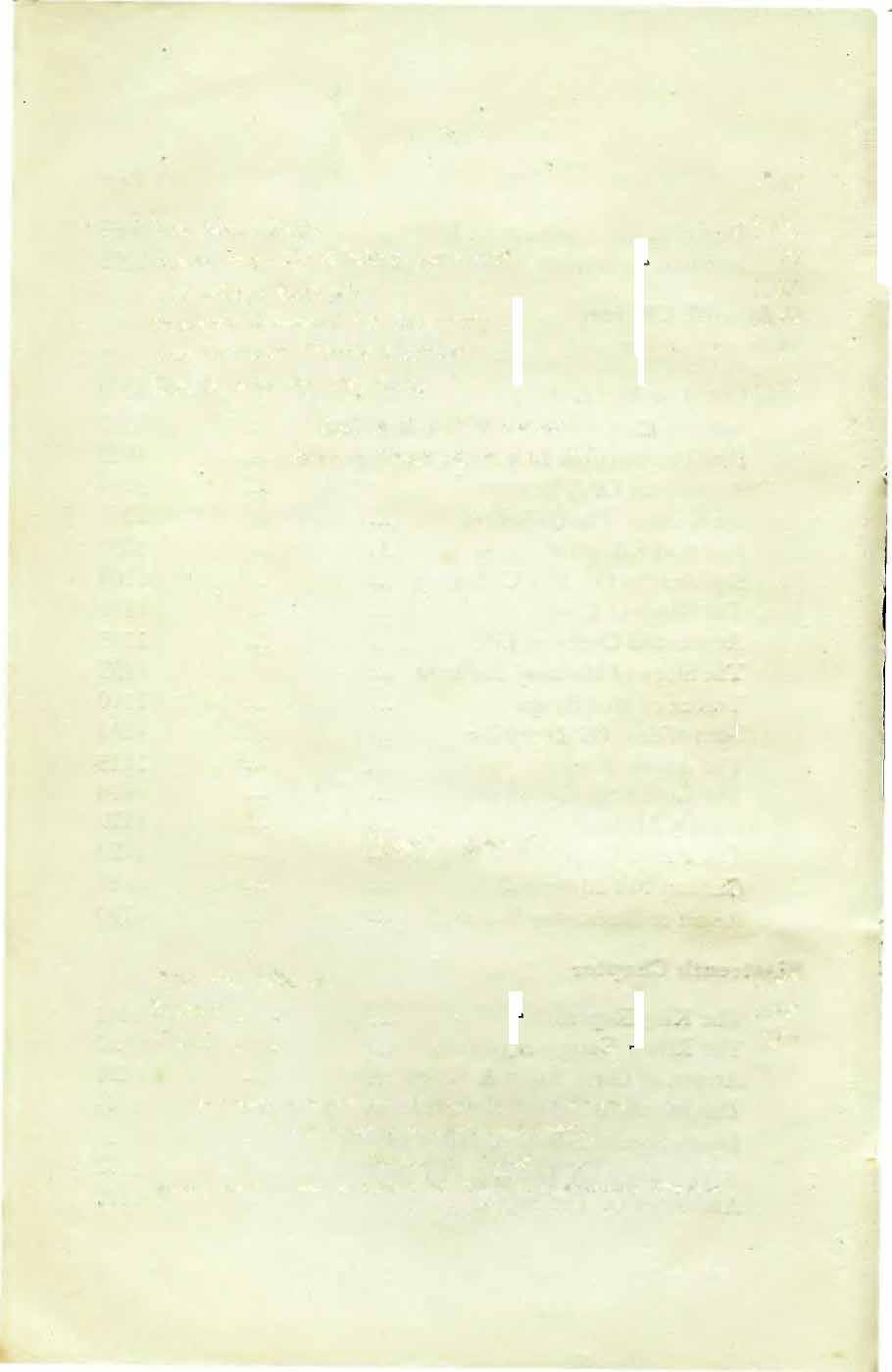



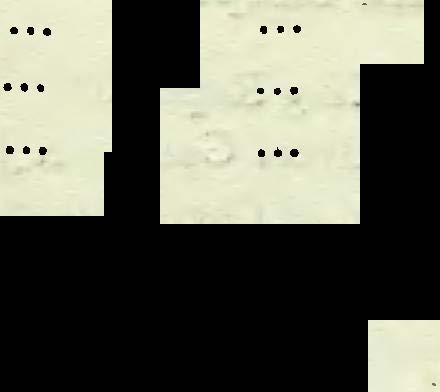

{ v ) The Man's Duty Appearance OfSukdeva Goswami The King's Reception Sukdeva Goswami An Authority The Devotees Family Members Questionairs By The King End ofThe First Canto Srimad Bhagwatam Vol. III First Vol. printed Second,, , Third , , Copyright reserved PRINTED IN DELHI IIY 12 POINT TIMES FA.OE TYPE FOR THE LEAGUE Ol!' DEVOTEES (BEGD.) VBINDA.BA.N : DELHI BY OH. KA.SSHI BA.M A.T NEW O.K. PRESS, OHUJUWA.LA.N, DELHI-6 (INDIA.) I/ Pag1 1178 1179 1183 ll84 1191 ll93 f962 1964 1965
'tHIRD VOtUM£ SRIMADBHAGWATAM
FIRST CANTO THIRTEENTH CHAPTER
DHRITARASTRA Q.UITS HOME
(ContinuedFrom Page 748 of the Second Volume)
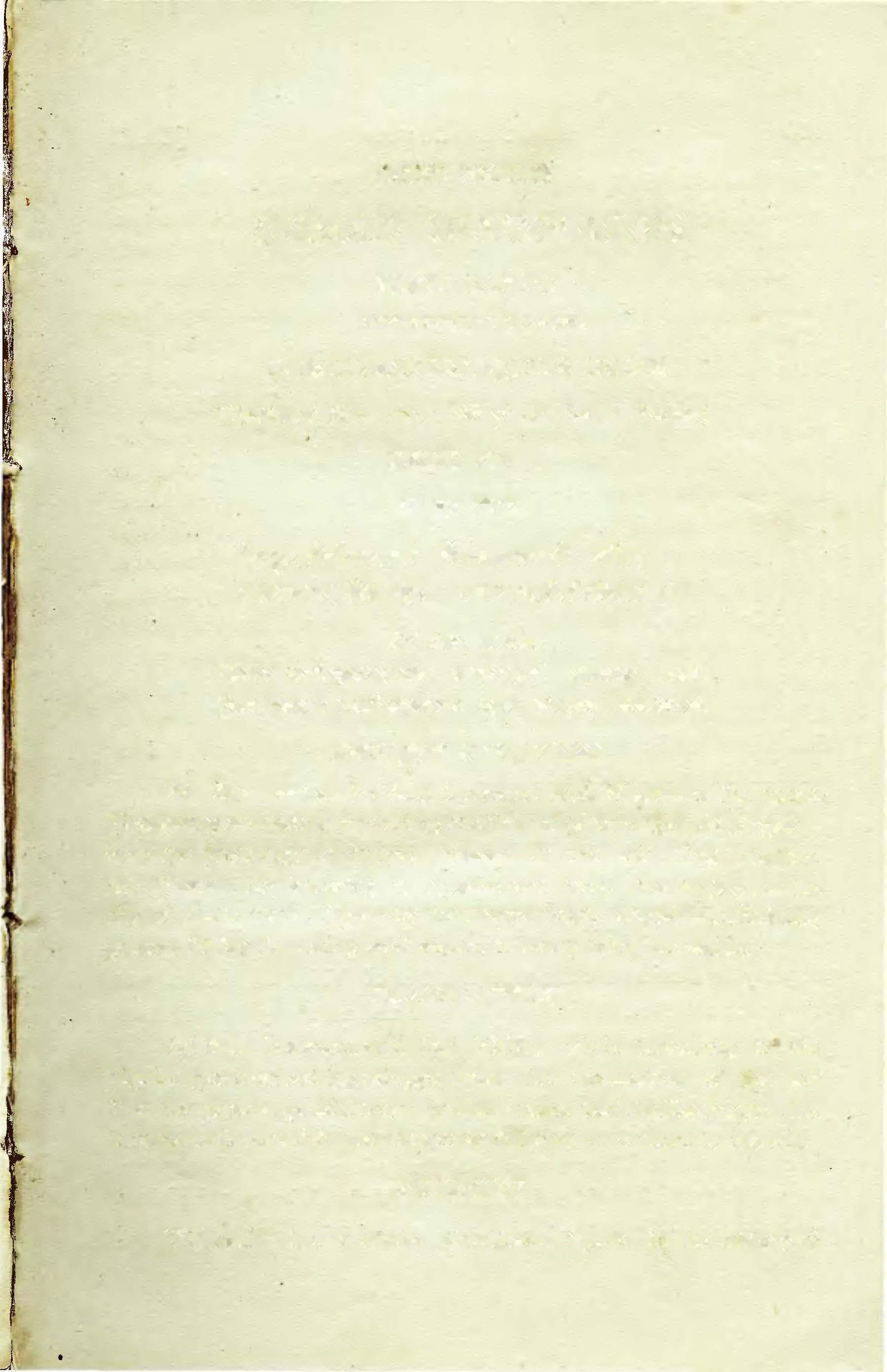
TEXT No.1
�r�«�<n:q
fcri��oT�ttT�Tlfl q�ttTCfT�'f;:r) 'lfo� I
�T�IfT'lT;e:Tf�o;:r� otfTCfTtofcrfcr��o: II
Sri Suta uvacha
Vidura tirthayatrayam maitreyad atmane gatim Jnatwaagat hastinapuram taya abapta vividsitah.
ENGLISH SYNONYMS
Sri Suta uvacha-Sri Suta Goswami said,Vidura-ofthe name, Tirthayatrayam-while travellingatdifferentpilgrimages, Maitreyadfrom the great sage Maitreya, Atmane-of the self, Gati-destination,Jnatwa-by knowing it, Agat-went back, Hastinapuram-the city ofHastinapura, Taya-by that knowledge, Abapta-sufficiently gainer, Vivitsitah-being well versed in every thingknowable.
TRANSLATION
Sri Suta Goswami said that Vidura while travelling in the pilgrimages received knowledge about the destination of the self from the great sage Maitreya and thuscame backtoHastinapur. He became well-versed in the subject as fully as he wanted to have it.
PURPORT
Vidurah: is one of the prominent figure in the history of
Mahabharat. He is born by Vyasdeva in the womb of the maid servant of Ambika mother ofMaharaj Pandu. He is the in�arnation ofYamaraj and being cursed by Manduk Muni was tobecome a Sudra the less intelligent class ofmen in the society. The story is narrated as follows. Once upon a time the state �lice cought hold ofsome thieves who kept concealed themselves in the hermitage of Manduk !Yiuni. The police constables as usual arrested all the thievesas also Manduk Muni along with them. The Magistrate specifically punished the Muni to death being pierced bythe lance. 'When he was just to be pierced the news reached the king and he atonce stoppedtheactonconsiderationofhis becominga greatMuni. The king personally begged his pardon for the mistake of his men andthesaint at oncewent to Yamaraj who prescribes the destiny of theliving being. Yamaraj beingenquired bythe Muni replied that the Muni in his childhood pierced an ant by sharpen straw and for that reason he was put into difficulty. The Muni thought it unwise on the part ofYamaraja that he punished the Muni for his childish innocence and thus the Municursed Yamaraj to become a Sudra and this Sudra ir.carnfltion of Yamraj was known as Vidura the Sudra brother ofDhritarastra and Maharaj Pandu. But this Sudra son ofthe Kuru dynasty was equally treated by Bhismadeva along with his other nephews and in due course Vidura was married with a girl who was also born in the womb ofa Sudrani by a Brahmin. Although Vidura did not inherit the property ofhis father (the brother ofBhismadeva) still he was given sufficient state property by Dhritarstra the elder brother of Vidura. Vidura was very much attached to his elder brother and all along he tried to guide him in the right path .
During fratricidal war ofKuruksherta, Vidura repeatedly implored his elder brother to do justice to the sons ofPandu but Duryodhone did not like such interference by hisuncle and thus Vidura was practically insulted by his nephew Duryodhone which incidence resulted in Vidura's leaving the home for pilgrimage and taking instructions from Maitreya.

150 SlUMAD BHAGWATAM (Ch. 13
TEXT No.2


�ten=r:"fiacn�sr�T'l' lftWf l!ti'ltn�Na: • e ' '
;rra��frJarrlf'f•i �"RR•)�q- � ••

ravatah kritavnn prasnan kshatta kousharava agratah
Jata eka bhaktir govinde tebhyas cha upararama ha.
ENGLISH SYNONYMS
ravatah-all that, Kritavan-did he put, Prasnan-questionaires, Kshatta--the name ofVidur, Kaousharava--the nameofMaitreya, Agratah-in the presence of, Jata-having grown up, Eka-one Bhakti-transcendental loving service, Govinde-unto Lord Krishna, Tebhyas-in themltter offurther questionaires, Upararamaretired from, ha-in the past.
TRANSLATION
Vidura did retire from putting questionaires before Maitreya Muni after his enquiry by various questionaires and being fixed up in the transcendental loving service unto Lord Sri Krishna
PURPORT
Vidura retired from putting questionaires before Maitreya
Muni when he was convinced by Maitreya Rishi that Summum Bonum gain oflifeis to be finally situated in the transcendental lovingservice ofLord Sri Krishna whois GovindaorOne whosatisfies His devotees in all respects. The conditionedsoul orlivingbeing in material existrncc seeks after happiness of life by employing his senses on the modes of material products but that cannot give him satisfaction. He then searches after the supreme truth by emperic philosophical speculative method by intellectual feats. But ifhe does not find out the ultimate goal he again goes down to material activities and engages himself in vadous philanthrophic and altruistic activities which also fail to give him satisfaction,
r
Text2] FJRSTCANTO
751
�
So neither fruitive activities nor dry philosopbical speculation can give one satisfaction : because by nature aliving being is eternal servitor of the Supreme Lord Sri Krishna and all the Vedic literatures give him direction towards that ultimate end. The Bhagwat Geeta confirms this statement (B.G. 15/15).
Like Vidura an inquisitive conditioned soul must approach a bonafide spiritual master like Maitreya and by intelligent enquiries must try to know everything about Karma (fruitive activities) Jnana (philosophical researches inthe matter ofSupreme truth) Toga (thelinkingprocess ofspiritual realisation). One whoisnotseriously inclined to put questionaires before a spiritual master, need not accommodate a showbottle spiritual master neither a person, who may bethe spiritual master for others, may pose to be so ifhe is unable to engage his disciple ultimately in the transcendental lovingservice ofLord Sri Krishna. Vidura was suecessful in the matter ofapproaching a spiritual master like Maitreya and he got the ultimate goal oflife Bhaktiunto Govintla and thus there was nothing to be knownfurther in the matter of spiritual progress of life.
TEXT Nos. 3 AND 4.
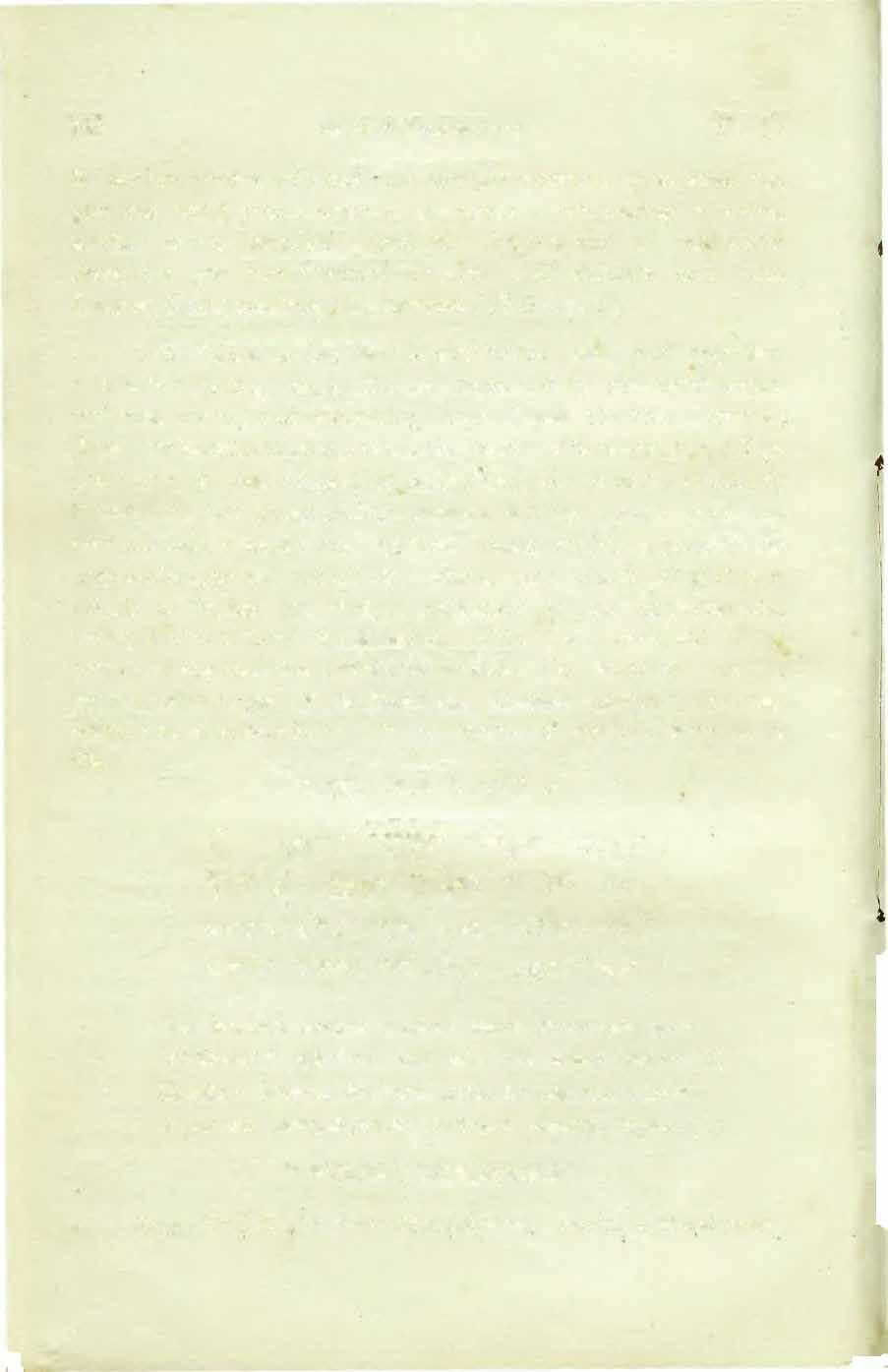
� if;:��nrr� �tS�qr qq�: ��1�: •
,a�ltS�) W��:q �a: �T�a: ,ql II
tTT;:�l�T tr11:(C{"\'-�'! �;ftrl :q)��T '!q"\' I
a;:l.Jl"lflr 'ft'T�lf; 1:rT�)$ffatr: .��at: f��tr: U
Tam handhum agatam dristwa dharmaputra sahanujah
Dhritarastra yuyutsus cha sutah saradvatah pritha (3)
Gandhari droupadi brahman subhadra cha uttara kripi
Anyas cha jamayahpandor jnatayah sasutah striyah. (4)
ENGLISH SYNONYMS
Tam-him, Banr;lhum-relative, Agatam-having arriv�d there,

752 SRIMADBHAGWATAM
13
[Ch.
. . �
•
Dristwa-by seeing it, Dharmaputra-Yudhisthir, Sahanujah-along with his younger brothers, Dhritarastra--of the name, ruyutsuSatyaki, Cha-and, Sutah-Sanjaya, Saradvatah-Kripacharya, Pritha-Kunti, Gandhari-of the name, Droupadi-of the name, Brahman-oh the brahmins, Subhadra-of the name, Cha-and, Uttara-ofthe name, Kripi-of the name, Anyas-others, Chaand,Jamayah-wives of other family members, Pandor-of the Pandavas, Jnatqyah-family members, Sasutah-along with their sons, Strryah-the Ladies.


TRANSLATION
vVhen they saw him (Vidura) come back again in the palace all the inmate�; M�haraj Yudhisthir along with younger brother::, Dhritarastra, Satyaki, Sanjaya, Kripacharya, Kunti, Gandhari, Droupadi, Sul?hadra, Uttara, Kripi, and many others who were wives ofKauravas and otherladies withtheir children all hurriedly went towards him with great delight and it so appeared that all of them regained consciousness after a pretty long period.
Gandhari :-The idealchasteladyin the history 1 fthe world. She was the daughterofMaharaj Subal the king of Gandhar (now Kandahar in Kabul) and in her maiden state she worshipped Lord Shiva. LordShivaisworshipped generally by theHindu maidens for achieving good husband. Gandhari satisfied Lord Shiva and by his benediction for obtaining one hundred sons, she was bechrothed to Dhritarastra inspite ofhisbecomingblindfore ver. WhenGandhari came to know that her would-be-husband was a blindman, shejust to follow her life companion, decided to become vol untarily blind and wrapped up her eyes with manyfold silk linen, and later she was married to Dhritarastra under the guidance ofher elder brother Sakuni. She was most beautiful girl ofher time and she was equally qualified byher womanly qualities which endeared every member ofthe Kaurava court. But inspite ofher all good qualities shehad the natural frailties ofanwoman and shewasenvious ofKunti when tqt; latter gave birth to a�ale chilq. Both thequeens were pre�nant
.. Texts 3,4] FIRST CANTO • 753
but Kunti first gave birth to a male child. And thus she became angry and gave a blow vn her abdomen. As a result of this she gave birth to a lump offlesh only but as she was a devocee of Vyasdr·va so byinstruction ofVyasdeva the lump became divided into one hundred parts and each part gradually developed to become each_a male child. Thusherambition to become the mother ofone hundred sons was fulfilled and she began to nourish all the children according to her exhalted position. \'Vhen the intrigue ofthe battlefield ofKurukshetra wasgoing on she was not in favour fighting with the Pandavas rather she blaimed Dhritarastra her husband for intriguing such fratricidal war. She desired that the state may be divided into two parts, for the sons of the Pandu and her own. She was too much affected when all her sons died in the battle ofKurukshetra and she wanted to curse Bhimasena and Yudhisthir but she was checked by Vyasdeva. Her pitiqus mourning over the death of Duryodhonc and Duhsasan before lord Krishna is very much appealing and LordKrishna pacified her by transcendental messages She was equally agrieved on the death ofKarna and she described before Lord Krishna about the lamentation of Karna's wife. She was pacified by Srila Vyasdeva whenhe showed her dead sons then promoted to the heavenly Kingdoms. She died along with her husband in thejungles in the Himalaya near the mouth of the Ganges; �he burnt in the forest fire. Maharaj Yudhisthir perfor· med death ceremony ofhis uncle and aunt.
Pritha: Daughter ofMaharaj Surasen andsisterofVasudeva Lord Krishan's father. Later she was adopted by Maharaj Kuntibhoja and thence she is known as Kunti. She.is the incarnation of the Success · Potency of the Personality of Godhead. The heavenly denizens from the upper planets used to visit the palace ofthe king Kunti!:>!wja and Kunti was engaged for their reception She also served the great mystic sage Durbasa and being satisfied by her faithful service DurbasaMuni gave herone chanting hymn by which it was possible for her to call for any one ofthe demigods as she pleased. As a matter ofi��uisitiveness she at once
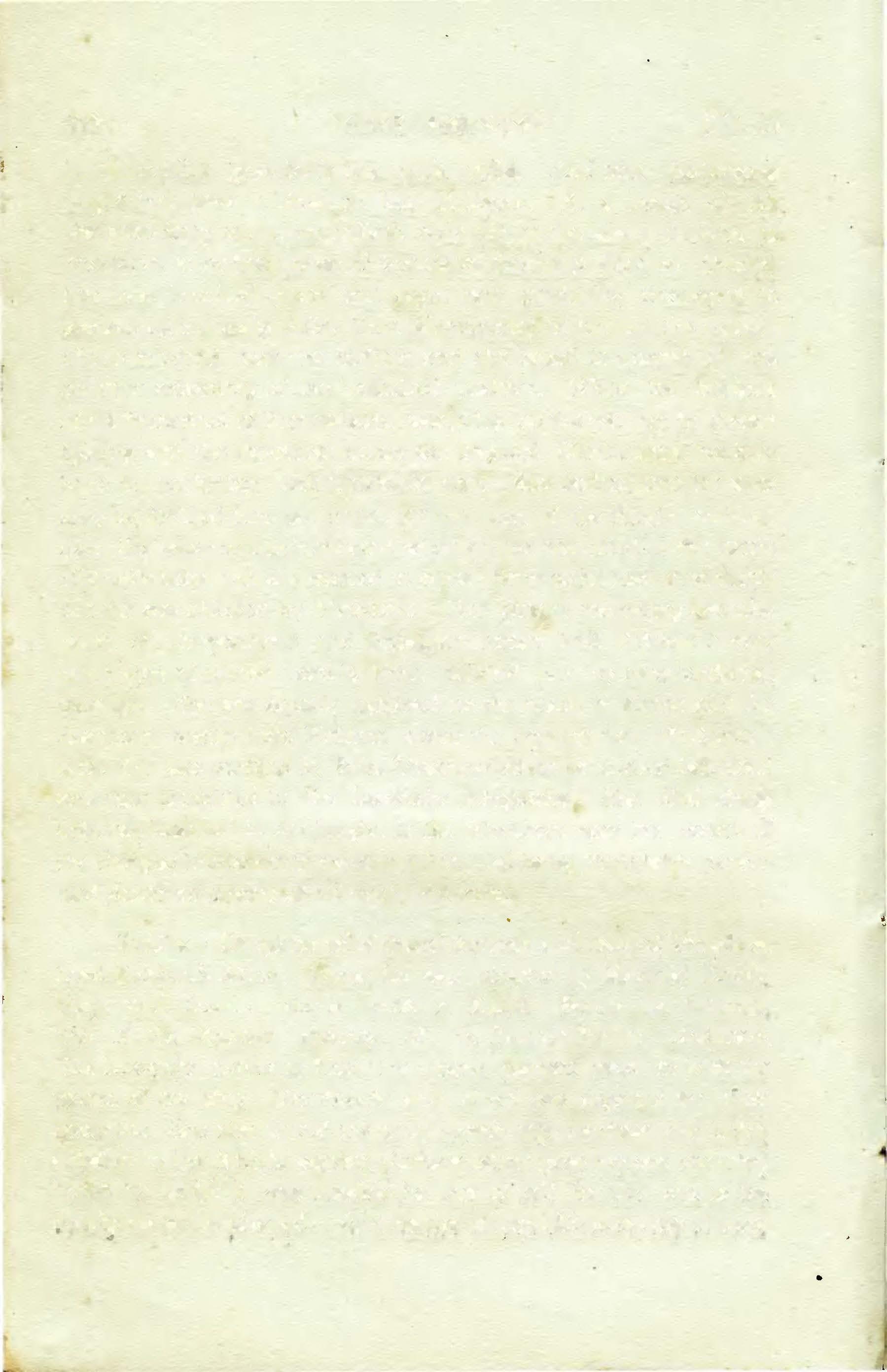
754.
SRIMADBHAQWATAM [Ch. IS
called for the Sun-god who desired couplement with her which she declined. But the Sun-god assur�d her immunity from virgin adulteration and she agreedto his proposal. As result of this couplement she became pregnant and Karna was born by h{:r. By the grace ofthe sun she again turned to�become a virgin girl but being afraid ofher parents she quited the newly born child Karna. After that when she actually selected her own husband she preferred Pandu to be her husband. Maharaj Pandu later on wanted to retire from family life and aodpt the renounced order of life. Kunti refused to allow her husband to adopt such life but at last Maharaj Pandu gave her parmission to become mother ofsons by calling some other suitable personalities. Kunti did not accept this proposal at first but when vivid examples were set by Pandu she agreed. Thus by dint ofthe hymn awarded by Durbasa Muni she called for Dharmaraj and thus Yudhisthir was born. She called for demigod Vayu (air) and thus Bhima was born. She called for lndra the Kingofheaven and thus Arjuua was born. The other two sons namely Nakula and Sahadeva, was begotten by Pandu himself in the womb ofMadri. Later on Maharaj Pandu died at an early age for which Kunti was to) much agrievedandshe fainted. Two co-wives namely Kunti and Madri decided that Kuntishould livefor the maitenance ofthe five minor childrern the Pandavasand Madri should accept the Sati Iituals by meeting Yoluntary death along with her hmband Pandu. This agreement was endorsed by great sagts like Satasringa and others present on the occasion.
Later on when the Pandavas were banished from the kingdom by the intrigues ofDuryadhona, Kunti followed her sonsand she equally faced all sort1 ofdifficulties during thosedays. During the forest life onedemongirl Hidimbi wanted Bhimaasl1er l1usband which was refused by Bhimabut when the girlapproached Kunti and Yudhisthir they ordered Bl1im:tto;;rcepther proposul andgive her a son. As a result ofthis combination Ghatotkach wasbotn and he fought very valiently on the side of his father. with the Kaurava�. In their fore�t lifetheylived with a B1ahmin family who
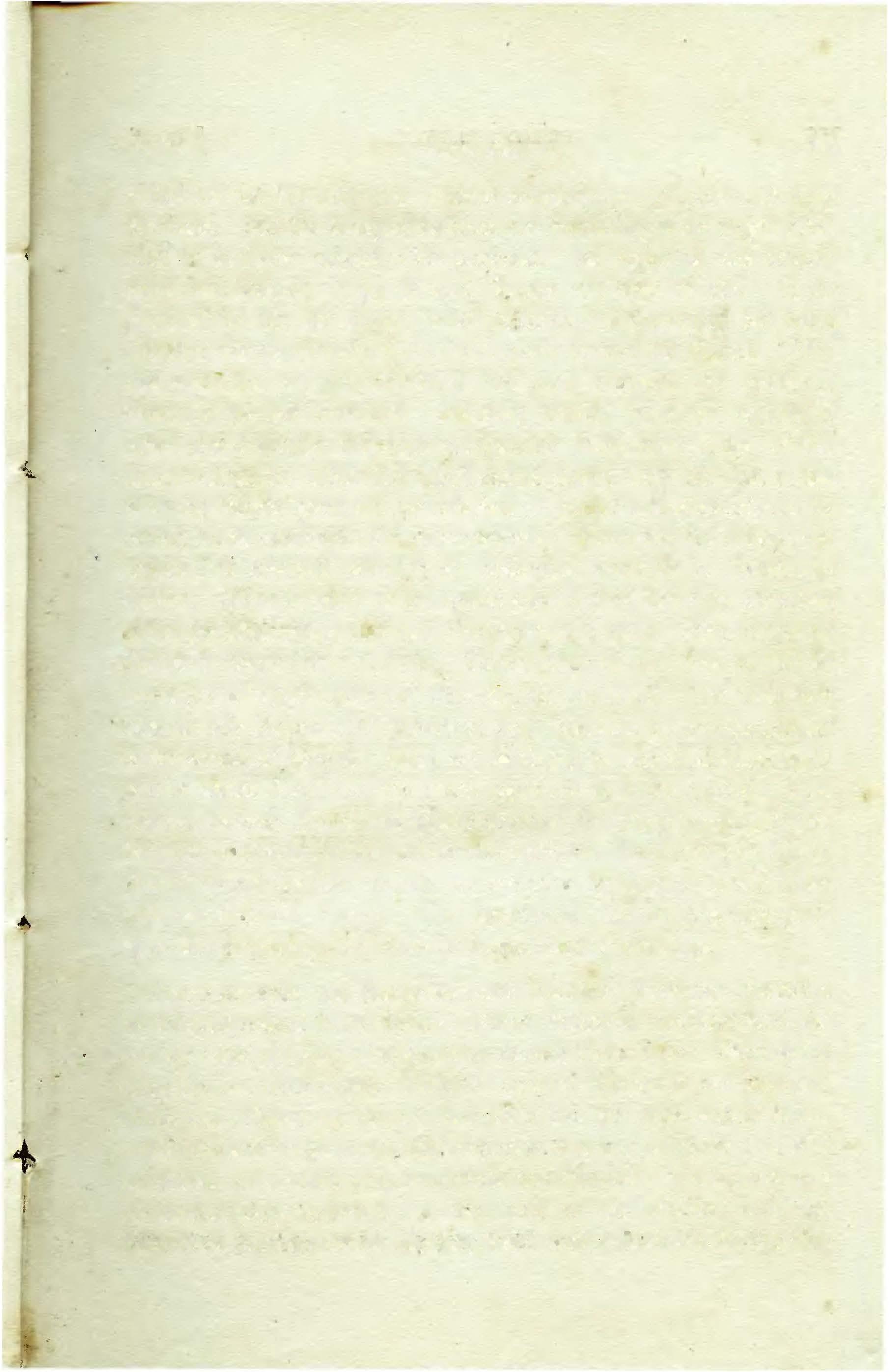
Taxts 3, 4] FIRSTCANTO 765
were in trouble on account of one Bakasusa demon and Kunti ordered Bhima to kill the Bakasura to protect the Brahminfamily in troubles created by the demon. She·advised Yudhisther to start for the Panchal Desha. Droupadi was gained in this Panchala Desha by Arjuna but by order of Kunti all the five brothers of Pandavas became equally the husband of Panchali orDroupadi. She was married with five Pandavas in the presence Vyasadeva. Kuntidevi never forgot her first child Karna and after Kama's death in the battle of Kurukshetra she lamented and admitted before her others sons that K.arna was her eldest son prior to her marriage with Maharaj Pandu. After the battle ofKurukshera when Lord Krishna wasgoing back home her prayers for the Lord is excellently explained and later on she went to the forest along with Gandhari fo severe penance. She used to take meals after each thrirty days. The last stage of her life is that she sat down tightly in profound meditation and later on burnt down in the forest fire to ashes.




Droupadi : The mostchasteneddaughter ofMaharaj Drupad and partly incarnation ofgoddess Sachi the wife of lndra. Maharaj Drupad performed a great sacrifice under the superintendency of the sage Yaja. By his first offering Dhristadumna was born and by the second offering Droupadi was born. She is therefore sister of Dhristadumna and her another name is Panchali. The five Pandavas married her as the common wife and each of them begot a son in her. Maharaj Yudhisthir begot a son ofthe name Pratibindh, Bhimsena begot a son ofthe name Sutasome, Arjuna begot Srutakirti, Nakulabegot Satanika and Sahadeva begot Srutakama.She is described tobethe mostbeautiful ladyequal to her mother-in-lawKunti. During her birth there wasa areo message that sheshould becalled as Krishna. The same message also declared that sheis born to kill many a Kshatriyas. On account of her blessings from Shankara shewasawarded withfivehusbandsequally qualified. Whenshe preferredtoselectherownhusband,princesandkingswere invited from all countries of the world. She was married with
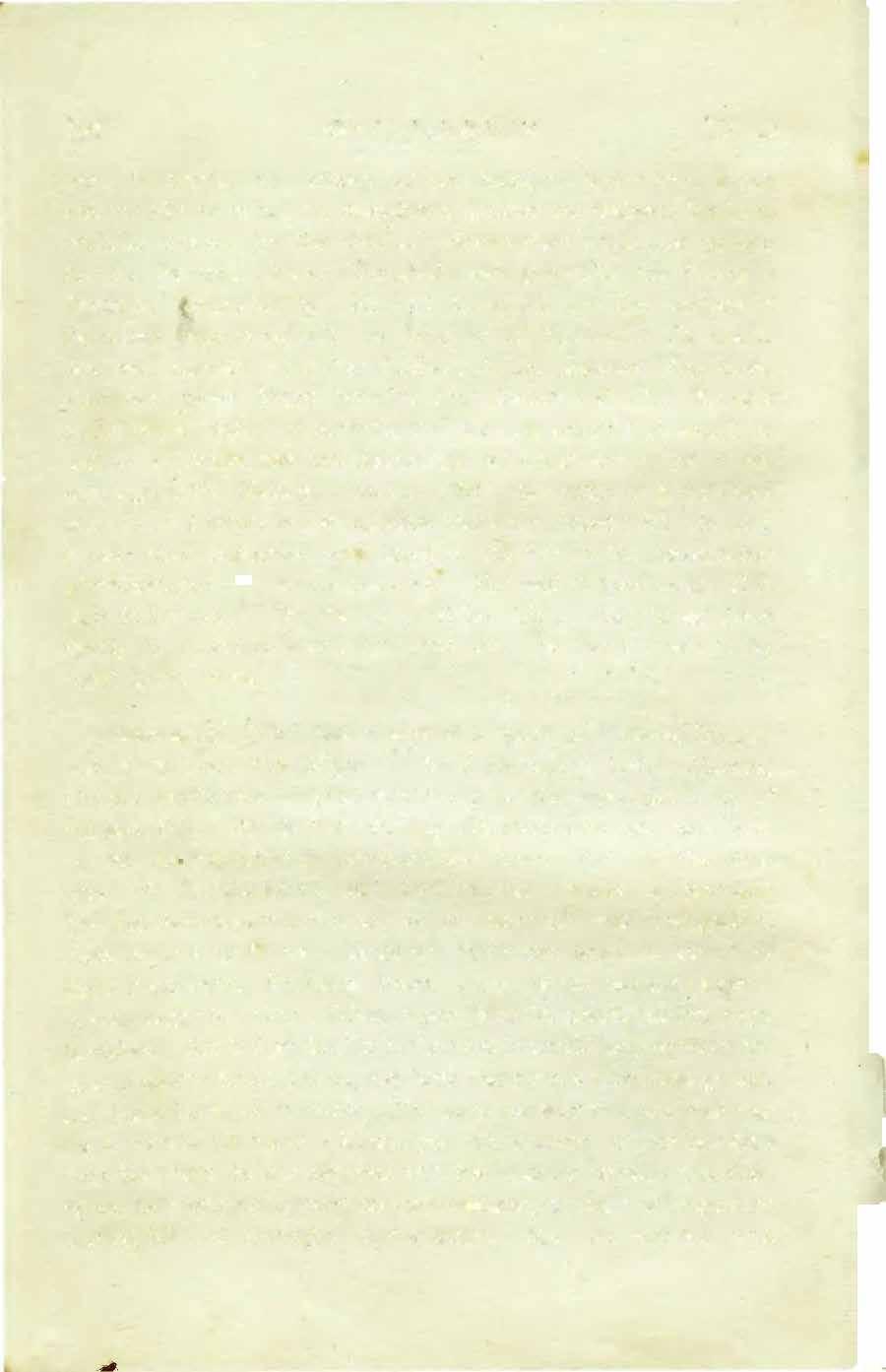
156
SRIMAD BHAGWATAM (Ch. I3
I I �\ 1
Text 3,4]
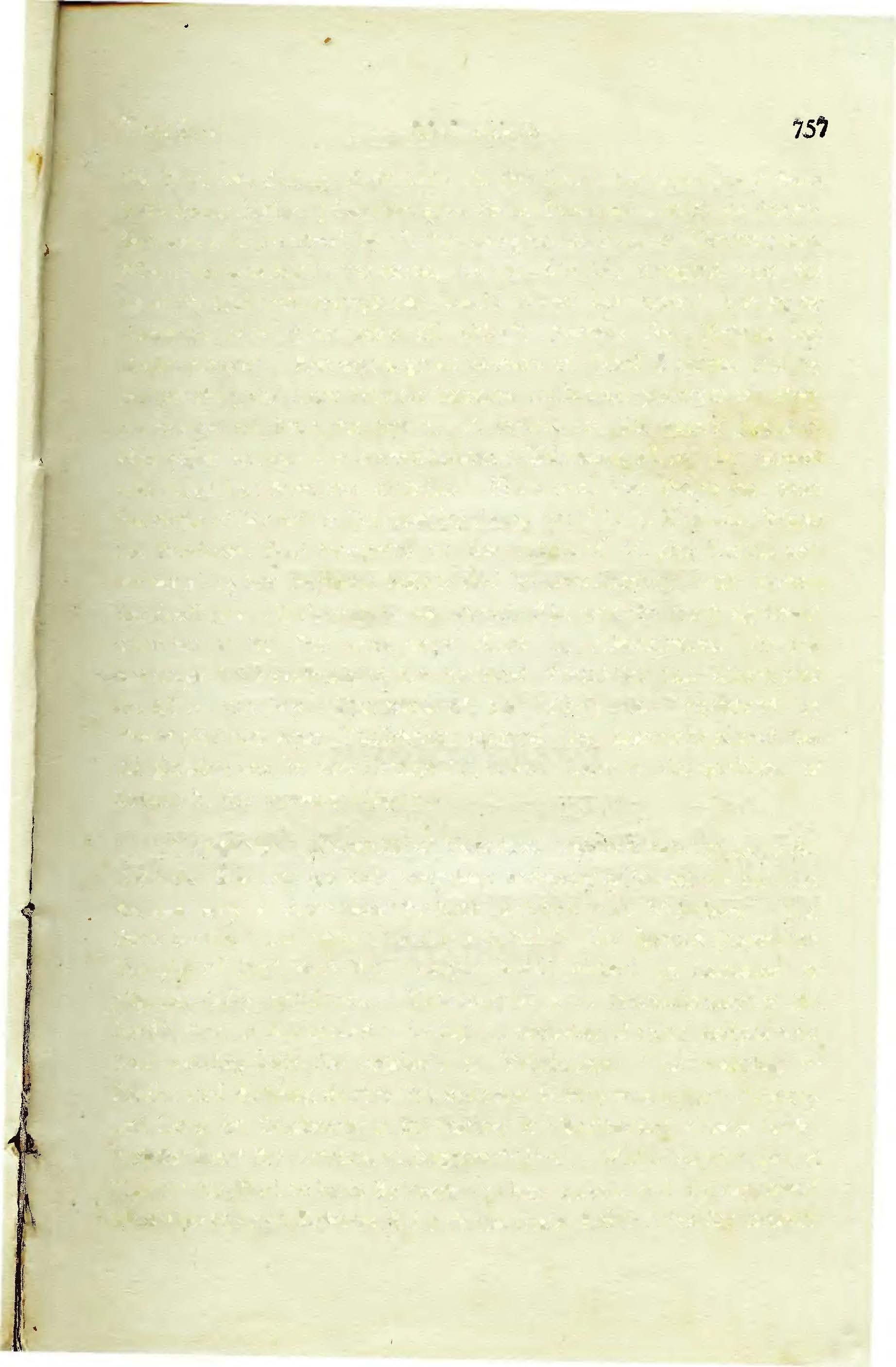
FIRSTCANTO
the Pandavas during their exile in the forest but when they went back home Maharaj Drupad gave them immense wealth as dowry. She was well received by all the daughter-in·laws of Dhritarastra. When she was lost in the game, she was forcibly dragged into the assembly hall and attempt was made to see her naked beauty by Duhsasan even there were all elderly persons like Bhisma and Drona present. She was a great devotee of Lord Krishna and by herpraying, the Lord Himselfbacame unlimited garment of divotee to save her from the insult. A demon of the name Jatasura . kidnapped her but her secondhusband Bhimsena killed the demon and saved her from the clutches. She saved the Pandavas from the curse ofMaharshi Durbasa by the graceofLord Kr�shna. When the Pandavas lived incognito in the palace of Virata, Kichak was attracted by her exquisite beauty and by arrangement with Bhima the devil was killed and she was saved. She was too much agrieved whenher all the five sons were killed by Aswatthama. At the laststage she accompanied her husband Yudhisthir and others and shefell on the way. The cause of her falJing was explained by Yudhisthir but when Yudhisthir entered the heavenly planet like the glowing sun he saw Droupadi present there as the goddess of fortune in the havenly kingdom. . --
Subhadra : :paughter ofVasudeva and own sister ofLord Sri Krishna. She was not only ver-ydear daughterofVasudava but also she was very a dear sister forboth Krishna and Valadeve. The three brothers and sisters are represented in the famousJagannath Temple of Puri and the Temple is still visised by thousands of pilgrims daily uptill now. This temple is in remembrance ofthe Lord'svisit at Kurukshetra during an occasion of solar eclipse and then meeting with' the residents of Vrindaban. The meeting of Radha and Krishna during this occasion is verymuch pathetic story and Lord Sri Chaitanyt.t in the ecstasy of Radharani always berie· ved' for Lord Sri Krishna atJagganath Puri. While Arjuna was at Dwarka he liked to have Subhadra as her queenand heexpressed his desire to_Lord Krishna.Sri Krishna knew it that Hiselderbrother
I j ! I I' ,
Lord Valadeva was arranging her marriage elsewhere and asHedid not daret? go against the arrangement of Valadeva He advised Arjuna to k.idnapSubhadra. So when all of them were on a pleasure trip on the Raivatahill, Arjuna managed to kidnap Subhadraaccording to the plan ofSri Krishna. Sri Valadeva was very angry upon Arjuna and He wanted to kill Arjuna but Lord Krishna implored Hisbrother to excuse A1juna. Then Subhadra was duly married withA1juna and Abhimunya WdS born ofSubhadra. At the premature death of Abhimunya Subhadra was too much mortified but on thebirth of Parikshit she was happy and solaced.
TEXTNo. 5
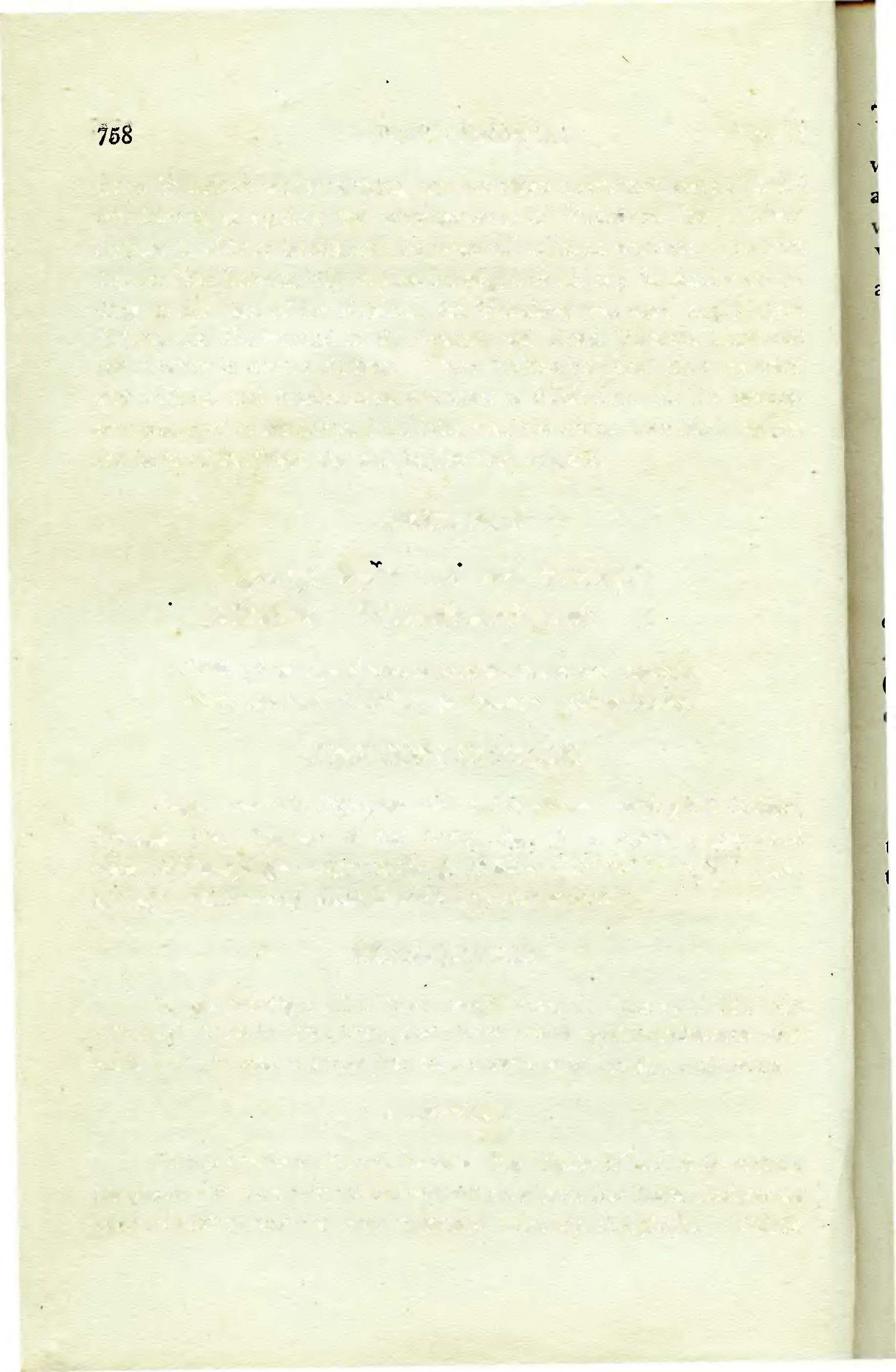
Prati ujjagmu praharsena pra�am tanwa iva agatam Abhisamgamya bidhibat pariswanga abhivadanaih.
ENGLISHSYNONYMS
Prati-towards, Ujjagmu-went, Praharsena-withgreat delight, Pranam-life, Tanwa-of the �ody, Iva-like, Agatam-�e!urned back, Abhisamgamja-a:pproaching Bidhibat-in -due manner;Pari• swamga-embracing, Abhivadanaih-by obeisances. -
TRANSLATION
In great delight all ofthem went towards him as if life has returned back in the body and they exchanged obeisances and embracing in due mannerjust to welcome and receiveeach other.
PURPORT
In the absence of consciousness the limbs ofthe body remain inactive. But when consciousness returns backthe limbs and senses become active and the very existence becomes delightful. Vidura
7o8 SRIMAD BHAGWATAM (Ch. 13
.... . sr�fJ: qt�Fvr snvr fti='l' Pttta1{ • 'ff1Ri'f�lf f�Jfi.Tcnqf�'fTN�: II
was so dear to the family members of the Kaura\'a family that his absence for a long time from the palace v:as something synonymous with inactivity. A11 of them were feeling acute separation from Vidura and therefore his return backinthe palace became a joyful atmospherefor one and all.
TEXTNo.6
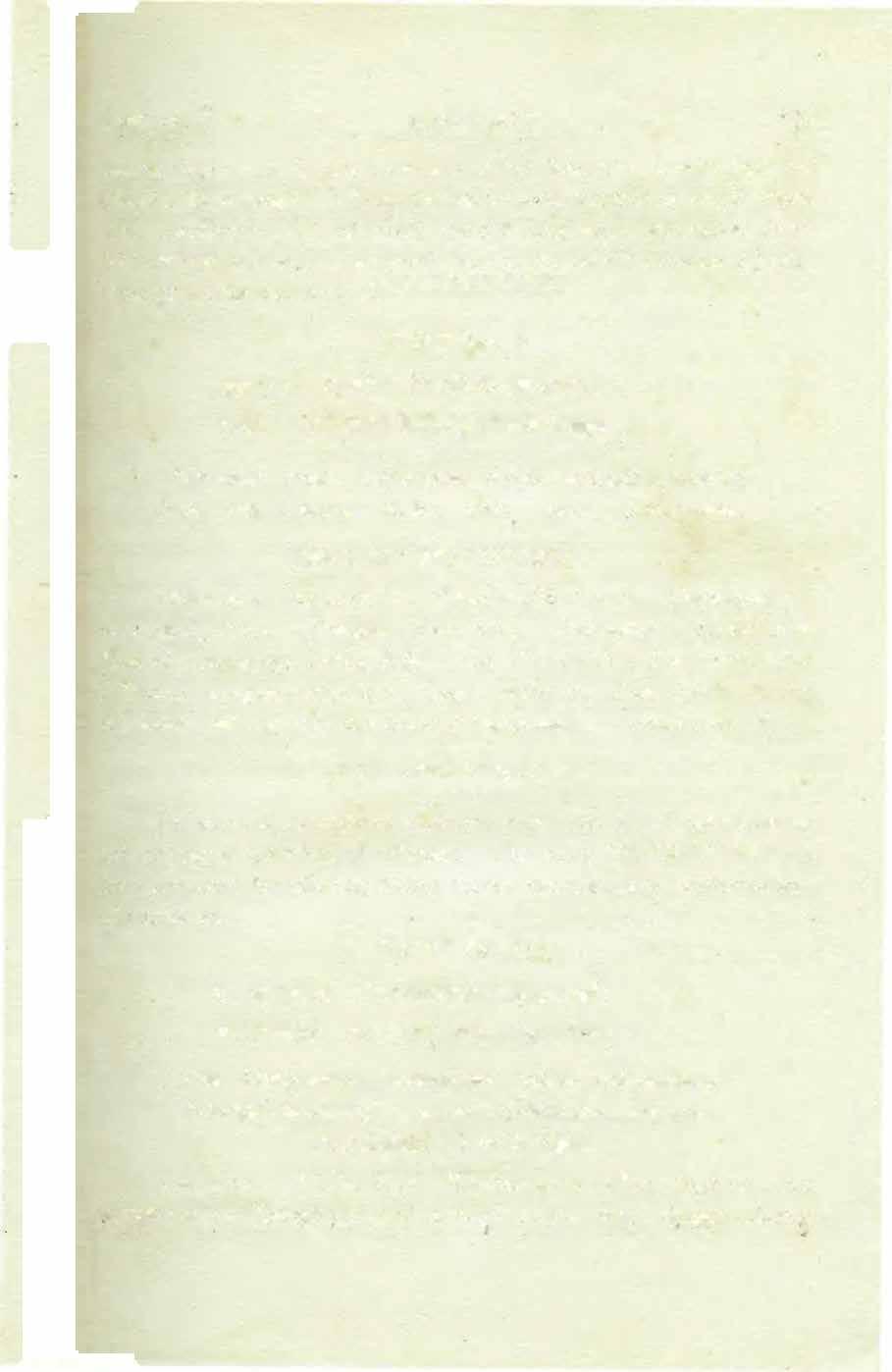
Jn: sf'lifT6q)!f fer(�R!fi�lftmau: 1
�:str
Mumuchuh prema vaspougham viraha outkanthya katarah
Raja tam arhayan chakre, krita asana parigraham.
ENGLISH SYNONYMS
Mumuchuh-emanated, Prema-cffcctionate, Vaspaughamemctional tears. Viraha-separation, Outkanthya - anxiousness, Katarah-beingaggrieved, Raja-king Yudhisthira, Tam-unto him (Vidura), Arhqyan-reception, Chakre-offered, Krita-performance of, Asana-sitting accommodation, Parigraham-arrangement of.
TRANSLATION
On account ofanxieties and long separation all ofthem emanated emotional tears out ofaffection. The King (YUDHISTHIRA) then arranged for offeringsitting accommodation and performances ofreception.
TAXTNo. 7
SP-iflfTCAa) '(l:sfl sn� atSrf lf{�QCftfl� II
Tam hhuktavantam vishrantam asinam sukhamasane. Prasrayavanata raja praha tesham cha srinwtam.
ENGLISH SYNONYMS
Tam-him (VIDURA), Bhuktavantam-after feeding him �umptuously, Vishrantam-and having taken rest1 Asinam-being
3 j 1 . Texts 6, 7] PTR.ST C.A.NTO 759
a�qt� if!aT�qf�� 1'
.
� '!'f�ff
�"""� I
r��n;aq"T�Tvf
seated, Sukhamasanam-on comfortable seat, Prasrayavanata- natu· rally verygentle and meek, Raja-King Yudhisthira, Praha-began to speak, Teshamcha-and by them, Srinwatam-being heard.


TRANSLATION
After feeding Vidura sumptuously and his taking sufficient rest, he was seated on a comfortable accomodationandthus the king began tospeak being heard by them all present there.
PURPORT
King Yudhisthira was expert in reception also even in the case ofhis family member. Vidura was well received by all the family members by exchange of embracing and obeisances. After that bathing and arrangements for sumptuous dinner was made and then he was given sufficient rest. After finishing his rest he was offered a comfortable place to sit on and then the King began to ta]k about on all happenings of both family and otherwise. That is theproper way of receiving a beloved friend or even an enemy. According to Indian moral codes even an enemy received at home should be so well received as he may not feel any fearful situation. An enemy is always afraid ofhis enemy b�the should be stopped feeling like that when received at home by his enemy. This means that a person when recei\led at home may be treated as good as a relative and what to speak ofa family member like Vidura who was well wisher for all the members of the family. Thus Yudhisthira Maharaj began to speak in the presence ofallother members.
TEXT


760 SRIMAD BHA.GWATA.M [Ch. 13
No. 8 ����:erafq '"�"' '1) ��q�TlfTaitff:ft=n'! ' "'"'"'"f ..�Nq"ffi«n ��qt(=f!!frr: ,, ' c rudhisthira uvacha Api smaratha no yusmat pakshach chhaya samedhitan Vipad ganad visadagnader m?chita yat sa matrika�.
ENGLISH SYNONYMS
Yudhisthisa uvacha-Maharj Yudhisthlra said, Api-whether, Smaratha-you do remember, No-us, Pakshach-partiality upon us liketh� wings of the bird, Chhaya-protection, Samedhitan-us who \Vere brought up by you, Vipadganad-from various types of calnmities, Visad-by administration of poison, Agnader-by setting on fire, .J1ochita-relcased from, Yat-what you have done, Saal ong w ith, Matrika-our mother.
TRANSLATION
MaLaraj Yudhisthir said, "my uncle do you remember us who were always protected by you along with our mother from all sort� ofcalamities by your partiality wings of a bird even in the matter of administration of poiwn to us or setting on fire to our home ?"
PURPORT
Due to Pandu's death at an early age his minor children and widow were the object of.special care for all the elderly members ofthefamily specially by Bhismadeva and Mahatma Vidura. Vidura wasmore or less partial for the Pandavas on account oftheir political position. Although Dhritarastra was equally carefulfor the minor children ofMaharaj Pandu yet he was one ofthe intriguing party who wanted to wash off the descendants of Pandu and replace them by ascending the sons of Dhritarastra to become the Iulers ofthe kingdom. Mahatma Vidura could follow this intrigue of Dhritarastra and company and therefore even though he was a faithful servitor ofhis eldest brother Dhritarastra, he did not like his political ambition for the sake of his own sons. He was therefore overcareful for protection of the Pandavas and their widow mother and as such he was so to say partial .to the Pandavas than to the sonsofDhritarastra althoughboth ofthem were equallyaffectionate in his ordinary eyes. He was equally affectionateto both the camps of nephews in the sense that he always chastised

Text 8) FIRSTCANTO 761
Duryodhone
for his intriguing policy against his cousins. He always criticised his elder brother for his policy of en , couragement to his sons and at the �arn e time he was always alert in the matter ofgiving special protection to the Pandavas. All these different activities of Vidura within the palace politics, made him well-known as partial to the Pandavs and Maharaja Yudhistira has referred to the past history of Vidura before his going away from home for prolonged pilgim's journey. Maharaj Yudhisthira reminded him whether he was equally kind and partial to his grown up nephews even after the battle ofKurukshetra a great disaster offamily quarrel.
Before the battle of Kurukshetra Dhritarastra's policy was peaceful annihilation of his nephews and therefore he ordered Purochana to build up a house oflac at Varanabatand when the building was finished Dhritarastra desired that his brother's family maylive there for so e time. When the Pandavao; were going there in the presence ofall the members ofthe royal family, Vidura tact. fully gave instructions to the Pandavas about the future plan of Dhritarastra. This is specifically describecl in the Mahabharata (Ch 144 Adiparva.) He gave hint indirect ly "that even an weapon not made of steel or any 1ther material element can be more sharpen to kill tht enemy andwho knows this is neverkilled". That is to say he gave hint that the party ofthe Pandavas was being sent to Varanabat for the sake ofbeing kill�d and thus he gave hint to Yudhisthira to become very careful in their new residential palace. He also gave indication offire and said that fire cannot extingush the soul but it can do so for the materLtl body but one who peotects the soul can live only. Kunti could not follow such indi�ect conversations betwl:en Maharaj Yudhisthira and Vidura and thus when she enquired from her wn about thepurportofthe conversation, Yudhisthira replied thatfromthetdks ofViduraiti5 understood thatthere is hint offire in the house Where the y were proceeding. Later on Vidura came in disguise to the Pandavas and informed them that the house keeper was going to set fire m thehouse on the fourteenth night of



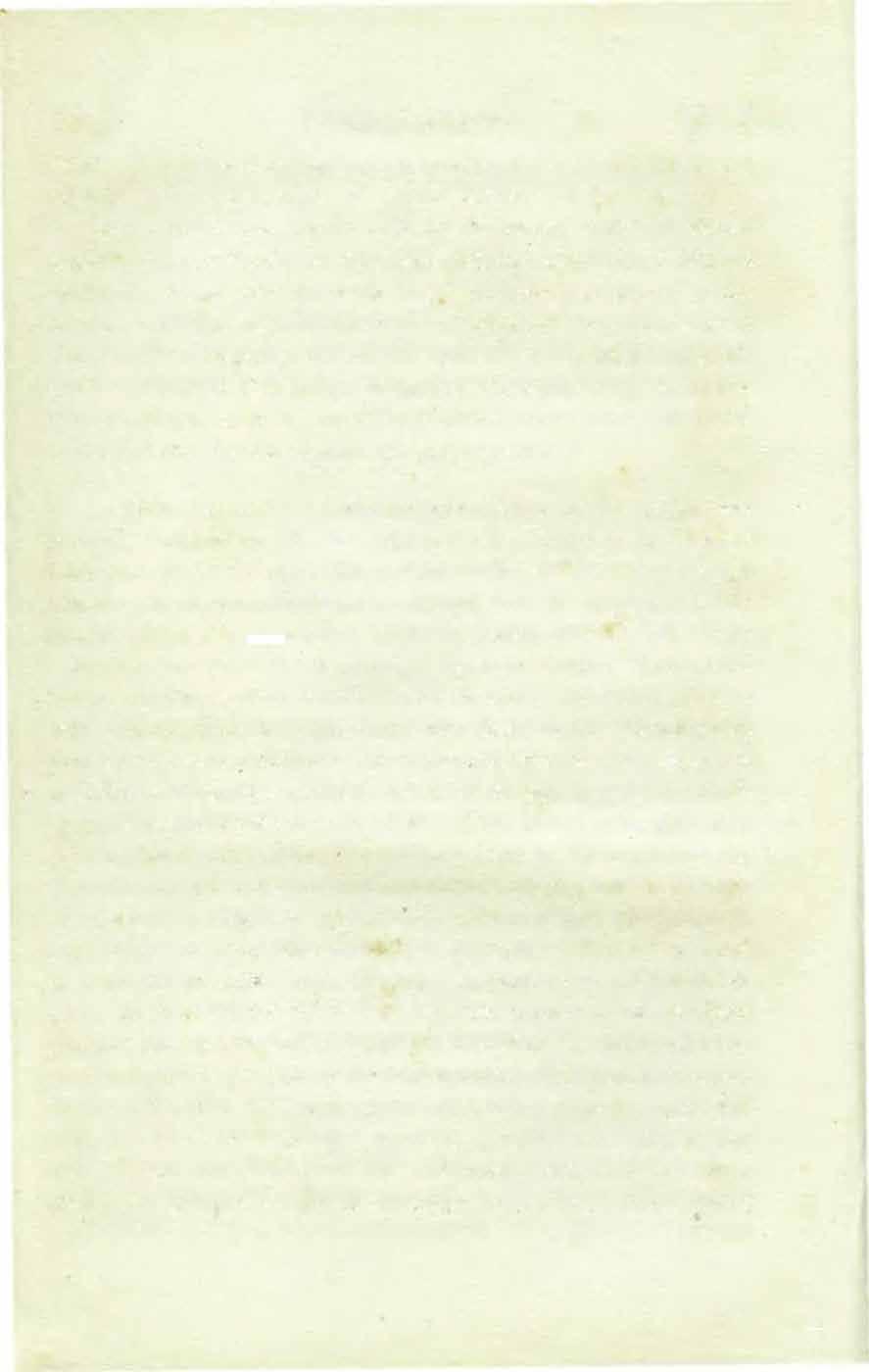
762 SRIMAD .BH.AGWAT.A.M [Ch. ts
wamng moon. It was an intrigue of Dhritarastra that the Pandavas might die all together with their mother. And by his warning the Pandavas escaped through a tunnel underneath the earth so that their escape was also unknown to Dhritarastra so much so that after setting in the fire the Kouravas became as sure as anything aboutthe death of the Pandavas and Dhritarastra performed the last rites of death with great cheerfulness. And during the mourning periodall the members ofthe palace became over whelmed with lamentation but Vidura did not become so on account ofhis knowledge that thePandavas were alive somewhere underneaththe sky. There are manysuch incidences of calamities and in each ofthem Vidura gave protection to the Pandavas on one hand and on the other he tried to restrain J1is brother Dhritarastra from such intriguing policy. Therefor.'", he was always partial to the Pandavas as much as the bird protects its eggs by the wing.
TEXT No. 9
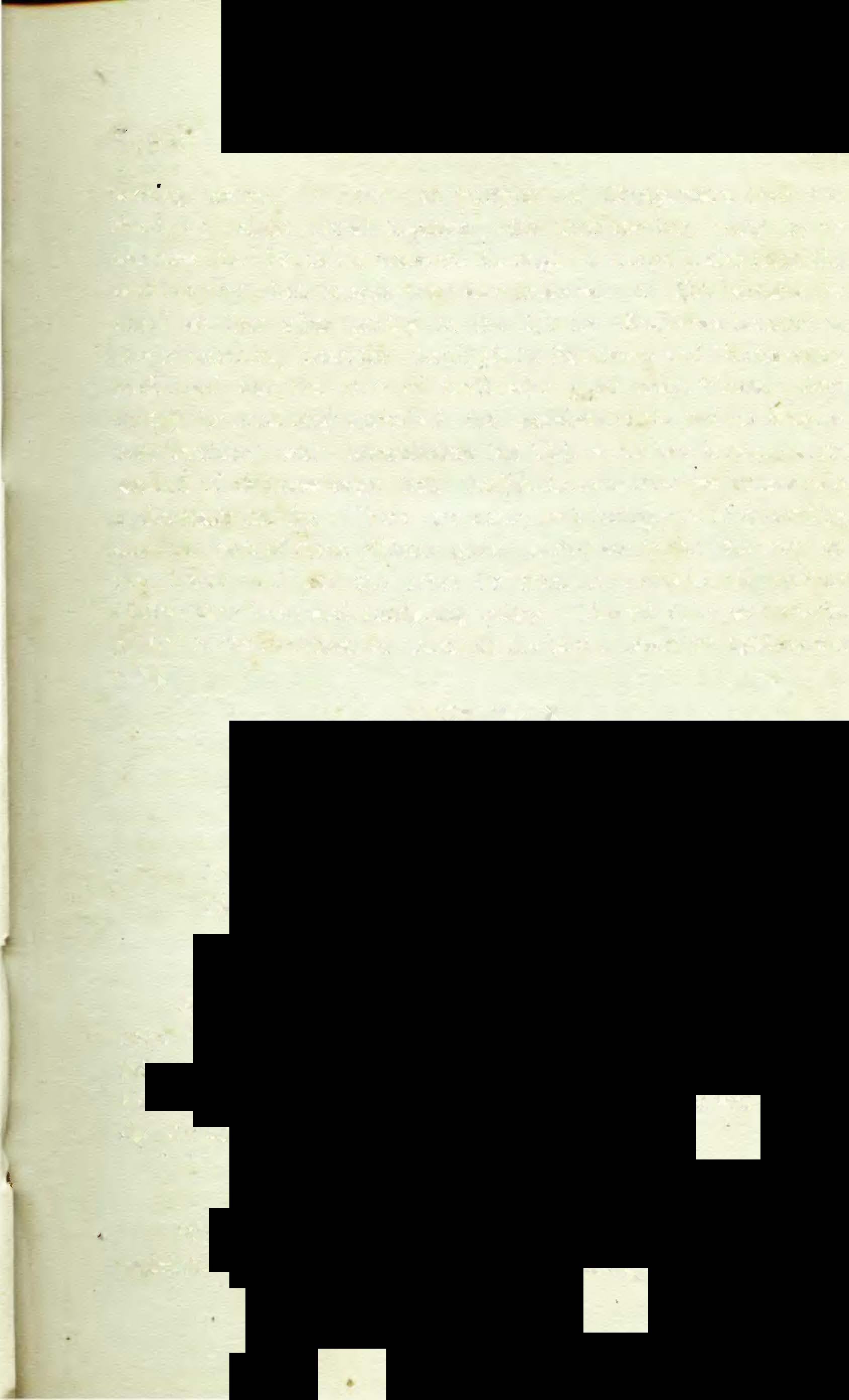

Kaya vrittya vartitam vas charadbhi kshitimandalam
Teerthani kshetramukhyani sevitani iha bhutale.
ENGLISH SYNONYMS
Kaya-by which. Vrittya-means, Vartitam-maintained livelihood, Vas-your !lood self, Charadbhi-while travelling, Kshitimandalam-on the surface of the earth, Teerthani-places ofpilgrimage, Kshetramukhyani -the principal holy places, Sevitani-served by you, Iha-in this world, Bhutale-on this planet.
TRANSLATION
\Vhi1e travelling on the surface ortlJe earth how did you maintain your livelihood and while doing so which of the
I , Text 9]
763
FIRST CANTO
· ' �i'lfF..' �'Jf�lllA 9f�Ai� �a" u e. u
'fi�n ��rr 'ffffii ��f�: fttfaqav"''!
principal holy places and pilgrimages on the earth you have served.
PURPORT
Vidura went out from the palace for detaching himselffrom the household affairs especially in the matter of political intrigues. As referred to hereinbefore, he was practicall y insu lted by Duryodhone by calling him the son of a Sudrani although it . was not out of place to talk loosely in the case ofone's grandmother. Vidura's mother although a Sudrani she was grand-mother of Duryodhonc . and funny talks are sometimes allowed in the matter of grand-mother and grand·children. But because the remark was actual fact and figure it was unpalatable talk for Vidura and it was accepted as direct insult for him. He thereforedecided to quit his paternal house and prepare himselffor the renounced order of life. This preparatory stage is called J!anaprastha Ashram or retired life for travellingand VIsiting the holy places on the surface ofthe earth. In the .holy places ofIndia like Vrindaban, Haridwar,Jagannath Puri, Prayagetc, there are many great devotees and still thereare freekitchen houses for persons who desire to advance spiritually. Maharaj Yudhisthira was inquisitive to learn whether Vidura maintained himselfby the mercy of the free kitchen houses (chhatras).
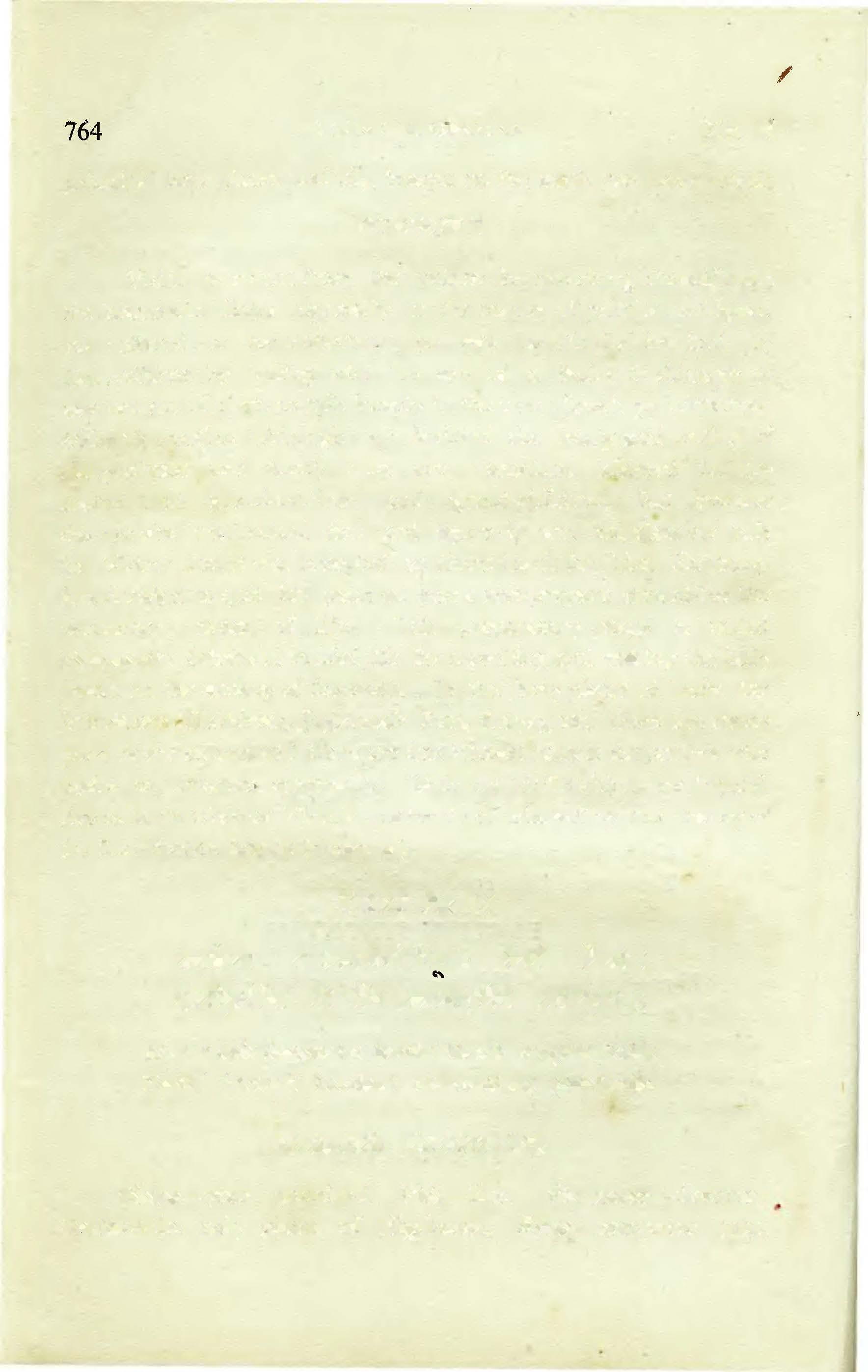
TEXT No. IO �fietT
Bhavat vida bhagwatas teertha bhutah swayam bibho
Teerthi kurvanti teerthani swantasthena gadabhrita.
ENGLISH SYNONYMS
Bhavat-your go odself, Vida-like, Bhagwatas-devotees, Teertha -the holy places of pilgrimage, Bhuta-converted into,
/ 764 SRIMAD BHAGWATAM reb. 13
1tltTCfffi�T���n: m fir�) t " a1�1ici� a1�if� ��::n;a:��� ttaT�aT ''
Swayam-personally, Bibho-oh the pJwerful, Teerthi-made into holy place, Kurvanti-do render, Teerthani -the holy places, Swantasthena-having been situated in the heart, Gadabhrita-the personality of Godhead.
TRANSLATION

My Lord ! devotees like your goodself arc themselves hol y places in person. Because you carry with you, within your heart, the Personality ofGodhead and as such you render all places into a pilgrimage.
PURPORT
The Personality of Godhead is omnipresent by His diverse potencies everywherejust like the electricity power is distributed everywhere within the space. Similarlythe Lord's omnipresence is perceived and manifested by His unalloyed devotees Jike Vidura as much as the electricity power is manifested in the electric bulb. A pure devotee like Vidura always feel the presence of the Lord everywhere. He sees everything in the potency of the Lord and the L0rd in everything. The holy places all over the earth are meant for purifying the poluted consciousness of the human being by an atmosphere surcharged with the presence of the Lord's unalloyed devotees. Ifany one visits a holy place he must search ou t for the pure devotec:-s residing in such holy places, take lessons form them try to aply such instructions m practical life and thus gradually prepare oneself for the ultimate salvation of going back to Godhead. To go to some holy place ofpilgrimage does not mean only totake bath in the Ganges orJamuna or to visitthetemples situated in those places. One should find out also representatives of Vidura who have no other desire in life save and exceptto serve the Personality ofGodhead. The Personality of Godhead is always •With such pure devotees on account of such pure devotee's unalloyed service without anytingeoffruitive action or utopians pecuiation. They are in the actual service of the Lord specifically by the process
'text 10]
CANTO 765
FIRST
of hearing and chanting. Thepure devotees hear fromthe authori· ties and chant them by singing and writing the glories ofthe Lord. Mahamuni Vyasueva heard it fromNarada and then he chanted in writing : Sukhdev Goswami studied it from his father and Le described it to Parikshit : that is the way of Srimad llhagwatam. So by their actions only the pure devotees ofthc Lord can render any place turned into a pilgrimage and the holy place; become worth the name only on their accour1t. Such pure devotees are able to rectify the poluted atmosphere ofany placeand what to speak of a holy place rendered unholy by the questionable actions ofinterested persons who try to adopt a professional life at the cost ofthe reputation of a holyplace.

TEXT No. 11
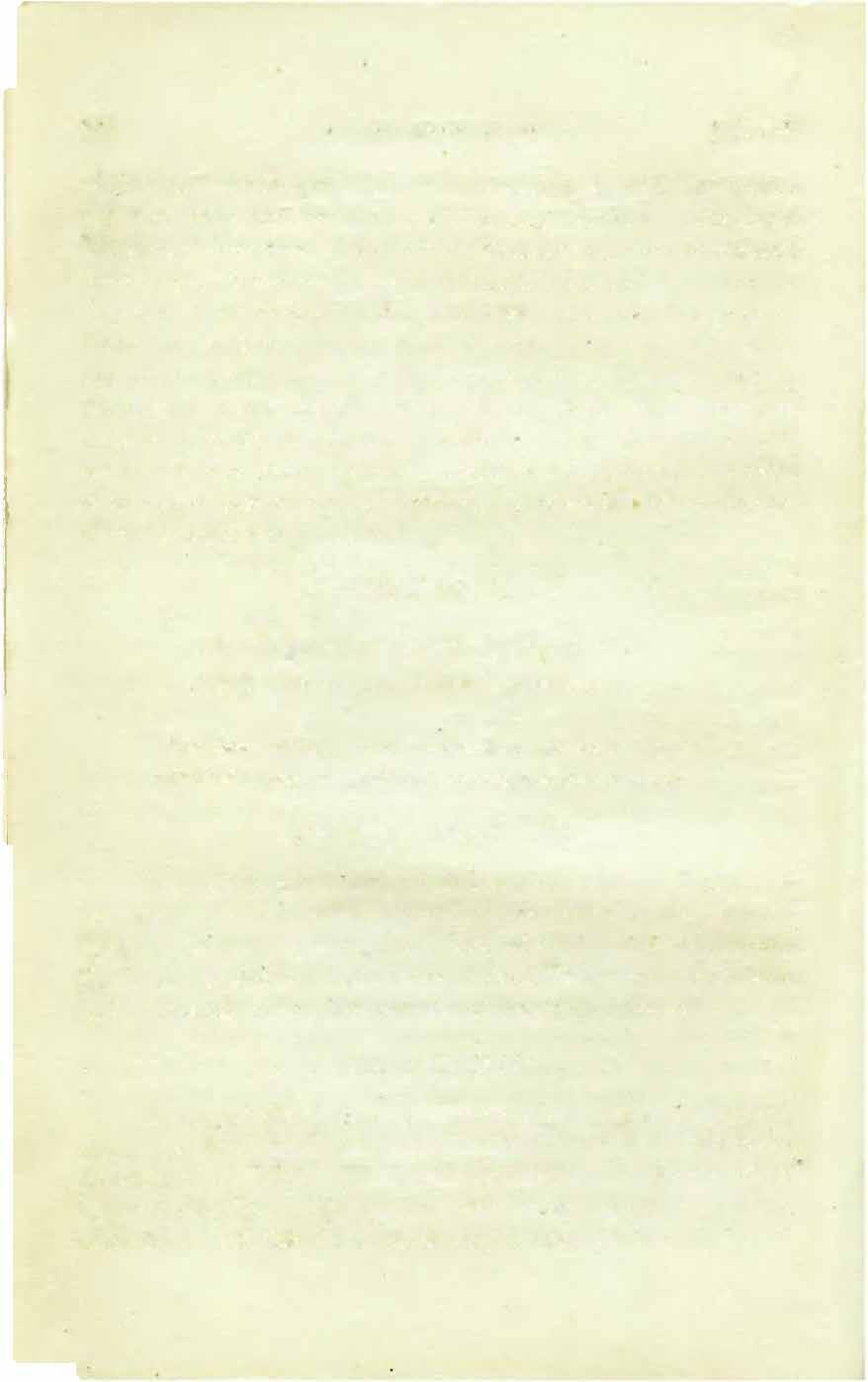
llffq �: ��q�m ;n;:qqt: ff!�mT: 1
f!tSeT: �aT qr�C(Cf:�ct�f
Api nah suhridas tata bandhavah krishnadevatalz
Dristah sruta va yadavah swapuryam sukhamasate.
ENGLISH SYNONYMS
.Api-whether, Nah--our, Suhridas-well wishers,Krishnadeva· tah-those who are always wrapt jn the service ofthe Lord Sri Krishna, Dristah-by seeingthem, Sruta-orbyhearing about them, Va--either,Tadavah-thedescendants ofYadu, Swapur;•am-along with their residential place, Sukhamasate-'itthey are all happy.

TRANSLATION
My uncle ! you mu,t have visited the holy pilgrimage Dwarka and in th::tt holy place there are our friends and well wishers the descendant c f Yadu who are always wrapt in the service ofthe Lord Shri Krishna. You might have either Recn them or heard about them. Are they all living happily in their abode ?
766 SRlMAD
BHAGWATAM [Ch. 13
��T�a
II
The particular word 'Krishnadevata' i.e. those who are alway� wrapt in the service ofLord Krishna is significant. The Yadavas, the Pandavas who were always \vrapt in the thought of Lord Krishna by His different transcendental activities were all pure devotees of the Lord like Vidura. Vidura left home inorder to devote himself completely in the service of the Lord but the Pandavas and the Yadavas were always wrapt in thought of Lord Krishna. As such there isno difference in their pure devotional qualities. Do remain at home or go out ofhome the real quaJifica� tion of a pure devotee is to become wrapt in thought of Krishna favourably i.e. knowing well that Lord Krishna is the absolute Personality of Godhed. Kanasa, Jarasandha, Sisupala and other demon s like them were also always wrapt in thought of Lord Krishna but they did it in a different way namely unfavourably orthinking Him to be a powerful man only (?) Therefor(', Kansas and Sisupalas are not on the same level of pure devotees likeVidura, thePandavas or the Yadavas.

Maharaj Yudhisthira was alsoalwayswrapt in thought ofLorlJ Krishna and his associates at Dwarka. Otherwise he wouldnqt have asked first ofall about them from Vidura. Maharaj Yudhis thira is, therefore, on the same level of devotion like Vidura although he was engagedinthe stateaffairs of thekingdom ofworld.
TEXTNo. l2
�trctar etci�Tif;::r �ci· ao �qo�oftro ' � � ' '

tr�l2i!({ !Sfiq�) fCf'fT lf!!��'{ It
ENGLISHSYNONYMS
.
/ti-thus, Ukto-being asked, D/zarmarojena-by king
Yudhisthira, Sarvam--all, Tat--that, Samavarna)'at--properly des
Text 12] FIRSTCANTO 767
PURPORT
/ti ukto dharmarajena sarvam tat samavarnayat Tathanubhutam kramaso vinayadukulakshayam.
Yathanubhutam-as he experienced, Kramaso-one after another, Vina-without, Yadukulakshayam-annihilation of the Yadudynasty.

TRANSLATION
Thus being asked by Maharaj Yudhisthir, Mahat�a Vidura gradually one after another described everything what hepersonally experienced except the ne·.vs of annihilation ofthe Yadudynasty.
TEXTNo. l3
Nanwapriyam durvisahamnrinamswayam upastitham
.Naavedayat sakaruno duhkhitan drastum akshamah,

ENGLISH SYNONYMS
.Nanu-asamatter offact,Aprryam-unpalatable, Durvisaham·unbearable, .Nrinam-ofthe humankind, Swayam-in its own way, Upasthitam-appearance, .Na-did not, Avedayat-exprcssed, Sakaruno-compassionate, Duhkhitan-distressed, Akshamam-unable.
TRANSLATION
Compassionate Mahatma Vidura was unable to see the P..1ndavas distressed at any time. As such he did not disclose this unpalatable and unbearble incidence to the Pandavas because such calamities were to come in their ownway.
PURPORT
According to .Nitisastra (civic laws) one may not speak unpallatable truth to cause distress for others. Distress come upon us iniu ownwayby the la•.vsof natureandonernaynotaggravate itbyJ)fQJ)igandnt For �ompi��tonMe t�oul lik� Vidura specially
768 SRIM:AD EHAGWATAM [Ch. 13
• .
�;:({fsttf !f�tt�;vrt �({q!�'la'! 1 'tlitq�"!fi�Vf) ;;:f�aT� ���: I l
in his dealing with the beloved Pandavas it was almost impossible todisclose unpalatable piece of news like the annihilation ofthe Yadu dynasty. Therefore purposely he refrainedfrom it.
TEXT No. 14

�f:eRCI\T�'fqTCfT�����'f!a") �"fC(� l
Kanchit kalam atha abatsit satkrito devabat sukham
Bhraturjyesthasya sre;,askrit sarvesam sukham abahan.
ENGLISH SYNONYMS
Kanchit-for a fe\v days, Kalam-time. Atha- thus, Abatsitresided, Satkrito - being well treated, Devavat-just like a godly personality, Sukham-amenities, Bhratur-of the brother, Jyesthasyaofthe elder, Srf:Yaskr£1-for doing goodto him, Sarvesam-all others, Sukham-happiness) Abahan-made it possible.
TRANSLATION
Thus Mahatma Vidura being well treated by his kinsmen just like a godly person1 he remained there for a certain periodjust for thesake ofrectifying the mentality of his eldestbrother and by the way happiness was invited forall others.
PURPORT
Saintly person like Vidura mustbe treated well as much asa denizen from the heavenis received . In those days denizens of heavenly planets used to visit the home like that ofMaharaj Yudhisthira and sometimes persons like Arjuna and others also used to visit higher planets.
Narada is a spaceman who can travel unrestrictedly notonly within the materialuniversesbut also he can traveI in the spiritual universes. Even Narada also used to visit the palace of Maharaj Yudhiethira andwhatto!!peak ofother¢el<:rJtial demi-. aod3. It depends only on spiritual culturQ of thepeopleconcerned
Taxt14] FIRST CANTO 769
,�T�li'5o�Q' ��Cf!«rcttllf SJifa'qTCl&� ll
that makes it possible interplanetary travel even by present body.
Maharaj Yu dhisthira therefore recived Vidura in the manner of reception offered to the demigods .
Mahatma Vidura had already adopted the renounced order of life and therefore he did not return to his pa ternal palace for enjoying some materia}.comforts. Heaccepted out of his own mercy what was offered)ohimby Maharaj Yudhisthira but purposeofliving in the palace was to deliver his too much m ateriall y attached elder brother Dhritarastra. Dhritarastra lost all his state and descendants · in the fight with Maharaj Yudhisthira and still due to his sense of helplessness he did not feelashamedtoaccept charityand hospitality ofMaharaj Yudhisthira. From the partofMaharaj Yudhisthir it was quite in order to maintain his uncle in a befitting manner, but acceptance of such magnanimous ho3pital ity by Dhritarastra was not at all desirable. He accepted it b ecause he thought it j there was no other alternative. Vidurapart-icularly came to enlighten Dhritarastra from his inft!rior complex and to give him a lift to the higher
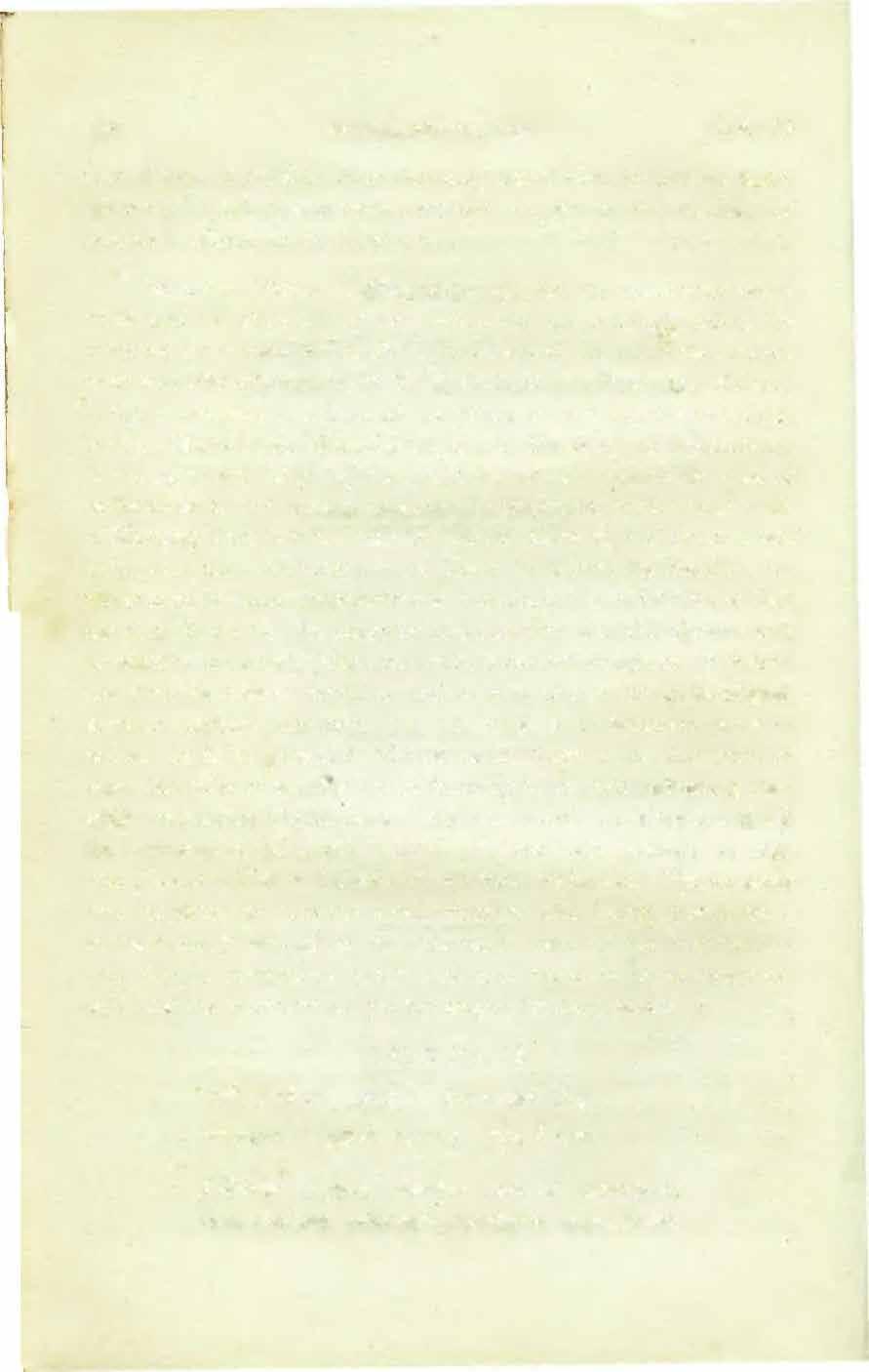
· status ofspiritual cognition.
It is the duty of enlightened souls to deliver the fallen ones and Vidura came there from that point of view. But talks of spirifual enlighrenmei1t is so much refreshing that while instructing Dhritarastra Vidura attracted theattention of all the members ofthe family and all of them took pleasure to hear him patiently. This is the way of spiritual realisation. Themessage shall be given an attentiveaural reception and being spoken by a realised soul it will act on the dormant heart of the conditione d soul. And a continuous practice of snch bonafide aural reception will raise the hearer to the perfect stage of self-realisation.
TEXT
Avibhrad aryama dandam yathabat agharkishu
ravat dadhana sudratwam sapadvarsa satam;yamah,
I t I l t 770
SRIMADBHAGWATAM (Ch. 13
�fq';J�tiqT �q tf�T���Tf'IJ; l . .. .
'l�ar �mqt<{ �1Sf�� tr'f: ''
No .l5
t�t�q'"
ENGLISH SYNONYMS

Avibhrad-administered, Aryama-ofthe name, Dandam-punisLment, Yathabat -ac; il was suitable, Aghakarislzu-unto the persons who commit ted sim, Yavat -as long as, Dadhana-accepted, Sudratwam-the tab ernacle of a Sudra, SajJad-as the resu lt of cursr-, Varsasatam -for one hundred years, Yamah -of thename.
TRANSLATION
As long as Vidura played the part of so called Sudra being cursed by Manduk Muni (see page 750) Aryama officiated the post of Yamaraj to punish those who committed sinful acts.
�URPORT
Vidura born in the v•omb of a Sudra woman was forbidden even to be a party of royal heritage along with his brothers Dhritarastra and Pandu and then how could he occupy the post ofa preacher to instruct such learned kings and Kshatriyas like ·Dhritarastra and Maharaj Yudhisthira. There may be a question like"this. The firs t answe r is that even though it is accepted that he wasSudra by birth but because he renounced the world {!Jr being spiritually enlightened J.y �ucheutl· crity Hke Rishi Moitreya and he was thoroughly educa�e by him in the transcedental kno·wledge, he was quite competent to occupy the post of an Acharya or spiritual preceptor. According to Sri C baitanya Mahaprabh u any one who is conversant in the transcendental knowledge or the science of Godhead may he be a Brahmin, or a Sud ra, a householder or a Sanyasi, is elligible to become a spiri tual master. Even in the ordinary moral codes (as it is said by Canakya Pandit the great politician and moralist) there in no harm to take lessons from a personwho may be by birth less th an a Sudra. This isonepart of the answer. The other answer is Vidura was not actually Sudra. He was to play the part of a so called Sudra for one hundred }ears being cursed by Manduk Muni. He waf the incarnation of

Text 15] FIRSTCANTO 771
Yamaraj one ofthe twelve Mahajans on the level ofsuch exhalted personalities as Brabma, Narada, Shiva, Kapila, Bhisma, Prahlada etc. Being a Mahajan it is the duty of Yamaraj to preach the cult of devotion to the people ofthe world as Narada, Brahma and other Mahajans do it. But Yamaraja is always busy in his plutonic kingdom for punishing the doers of sinful acts. Yamaraja is deputed by the Lord in a particular planet some lacs ofmiles away from the planet of earth to take away the corrupted soulsafterdeath andconvict them inaccordance with their respective sinful activities. As such Yamaraja has very little time to take leavefrom his respom,sible office ofpunishing the wrongdoers. The number of wrongdoers is more than that of righteous men. Therefore, Yamaraja has to do more work than other demigods authorised agents of the Supreme Lord. But he wanted to preach the glories ofthe Lord and therefore by the will ofthe Lord he got cursed by Manduk Muni to take a chance of coming over the world in the incarnation of Vidura and worked very hard as a great devotee. Such devotee is neither a Sudra nora Brahmin. They are transcendental to such divisions ofthe mundane society as much as the Personality of Godhead assumes His incarnation like a hog but he is neithera hog nor a Brahma. He is above all mundane creatures. The Lord and His different authorised devotees sometimes have to play the role ofmany lower creatures for claiming the conditioned souls but both the Lord and His pure devotees are always in the transcendental position. When Yamaraj thus incarnated himelfas Vidura hi> post was officiated by acting Aryama one of the many sons of Kasyapa and Aditi. The Adityas are sons ofAditiandthere aretwelve Adityas. Aryama is one ofthe twelve Adityas and there:fiJre it was quite possible for him to take charge of the office ofYamaraj 1 curing his one hundred years of absence in the form of Vidura. The conclusion is that Vidura was never a Sudra but he was more than the most purest type ofa Brahmin.

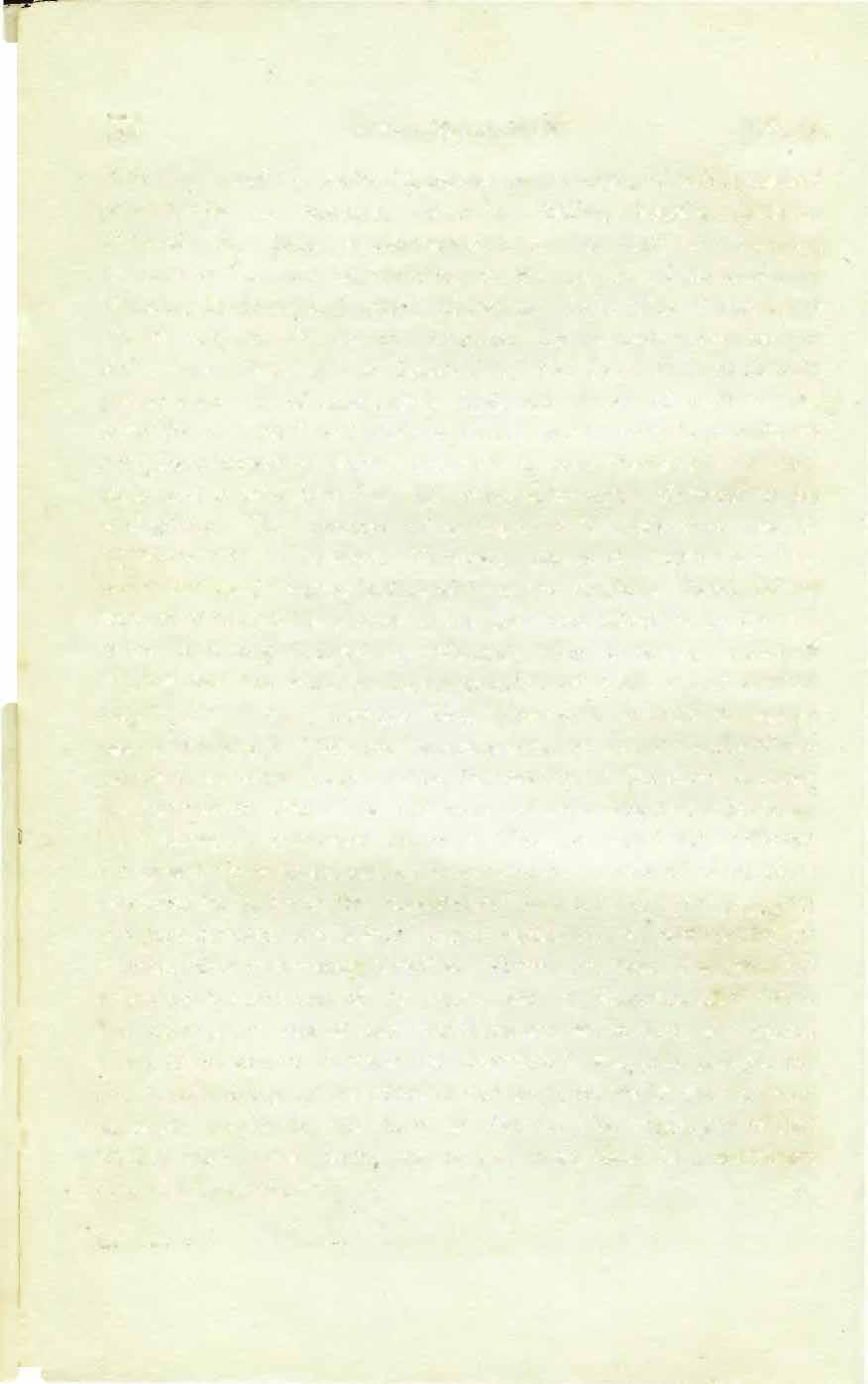
772 SRIMAD BliAGWATAM tch. 13
TEXT No. 16

�f!T�o�) �;��T\i�) ;IS�CfT qj� � !T�� t
-;;n�f�ler;qt�l��f!�
q'�lfT fe.TllT
II
rudhisthira labdharayyo dristwa poutramkulandharam Bhratrivir lokapalabhair mumude paraya shriya,
ENGLISH SYNONYMS
rudhisthira--the king of the Name, Labharajyo-being posse· ssed of his paternal kingdom, Dristwa -by seeing,Poutram-the grandson, Kulandharam-just apt to the dynasty, Bhrat_ljvir-by the brothers, Lokapalahhair-who were all expert administrators Mumude-enjoyed life, Paraya-uncommon, Shriya-opulence.
TRANSLATION
Maharaj Yudhisthir after achieving his kingdom and having. observed the existence ofone grandsom just competent tc:f continue thenoble tradition of his family, reigned peacefully toenjoyUnto• mmon opulence in co-operation with his younger brothers each of whom was all perfect administrators for the mass ofpopulation.
PURPORT
Both Maharaj Yudhisthira and Arjuna were unhappy from the beginning ofthe battle of Kuruk shetra but even they were unwilling to kill their own men in the fight, the thing had to be done as a mattet of duty and as it was planned by the Supreme Will of Lord SriKrishna. After the battle also specially Maharaj Yudhisthir was unhappy for such mass-killing of human being and animals and practically there were none tocontinue the Kuru dynasty afterthem, the Pandavas. The only remaining hope about the child in the ,:y(imb ofhis daughter-in-law, Uttara was also attacked by Aswtdiamabut by the Grace of the Lord the child .vas iaved. So after
Text16]-
FIRSTCANTO-
773
,.
settlement of all disturbing conditions and re-establishment of peaceful order of the state and seeing the surviving child Parikshit well satisfied M1haraj felt some reliefas human being although he had very little attraction for material happiness which is always illusory and temporary.
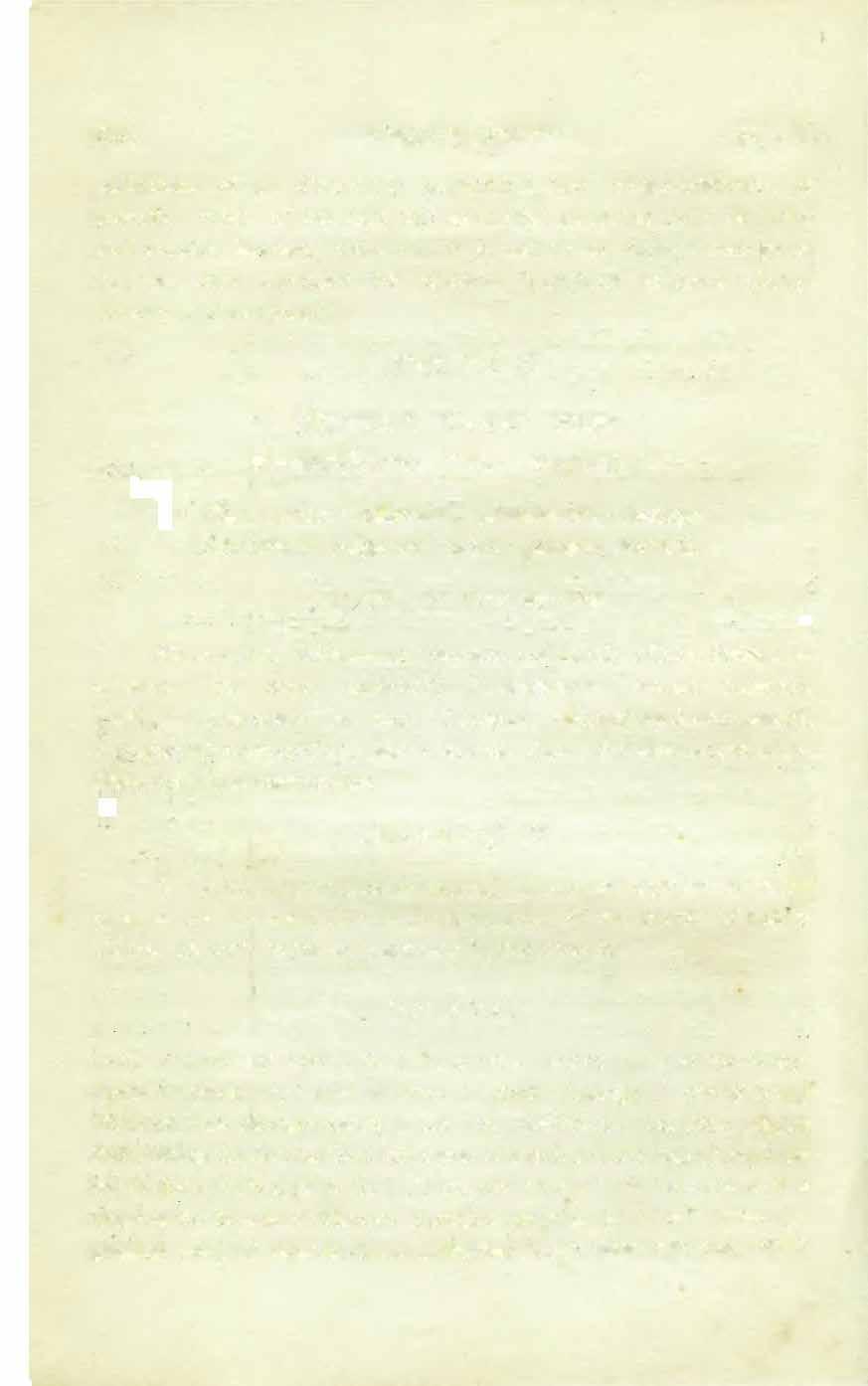
TEXT No.


ENGLISHSYNONYMS
Eham-thus. Grihesu-in the matter offamily affairs, Saktanamofperson too much attached, Pramattanam-insanely attached, Tadihqya-engrossed by such thoughts, Atyakramad-surpassed, Av{tnatah-imperceptibly, Kalah··eteraal time, Parama-supremely, Dustarah-insurmountable.
TRANSLATION
Thus the insurmountable eternal time imperceptibly surpasses persons who are insanely too much attached in the matter offamlly affairs, for theif being so engrossed in the thought.
PURPORT
Family satisfaction that, I am now happy, I have got every· thing in order, my bank balance is quite enough, I can give my children now enough estate I am now successful, the poor beggar Sahnyasins depend on God but come to begfrom me; therefore, I am more than the Supreme God (?; etc are some of the thoughts which ·engross the insanely attached householder who is blind to see the passing awayof eternal ,time imperceptibly. Our duration oflife
774 SRilUDBHAOW.AT.A.l\1 [Ch. 13
17 qci�ij! �Rf SI'�WRf aq)�qt l a(q'1Jiit'ftfff�ta: �t�: qur��a�: 1 1
Ebam grihesu saktanam pramattanam tadihaya Atyakramad avijnatah kalah parama dustarah.
is measured and no body is able to enhance it even by a second against the scheduled time ordained by the Supreme Will. Such valuable time specially for the human being should be cautiously spent because even a second passed away imperceptibly cannot be replaced even in exchange of crores of golden coins amassed by hard labour of life. Every second of human life is meant for a making anultimate solution Jf the problems of life i.e. repetition.of birth and death and revolving in the cycle of 84 lacs ofdifferent species oflife. Thematerial body which issubjecttobirth and death, , diseases and old age, is the cause of all sufferings of t]le Iivi� being; otherwise the living being is eternal : he is never born nor dies ever. Foolish person forgets this problem of life or does not know at all how to solve the problems oflife but becomes engrossed in the temporary family affairs without knowing it that the eternal time is passing away imperceptibly and his measured duration oflife is diminishing every second without any solution of the big problem namely repetition ofbirth and death, diseases and oldage. This is calJedillusion. -
But such illusioncannotwork on one who is awake in devotio· nal service of the Lord. Yudhisthir Maharaj or his-brothers the Pandavas were all engaged in the service of the Lord Sri Krishna and they had very little attraction :fiJr the illusory happiness of this material world. As we have discussed previously, Maharaj Yudhisthir was fixed up in the service ofthe Lord Mukunda (Lord who can award salvation) and therefore he had no attraction even for such comforts oflife as are available in the kingdom of heaven; b�cause even the happines� obtained in the planet of Brahmaloka, is also temporary and illusory. Because the living being is eternal he can be happy only in the eternal abode ofthe Kingdom of God (Parahyoma) where going no body comes back to this region ofrepetition of birth and death, diseases and oldage. Therefore, any comforts of life or any material happiness, which does not warrant an eternal life is but illusion is for the eternal livng being. One, who understands this factually, is learned and such
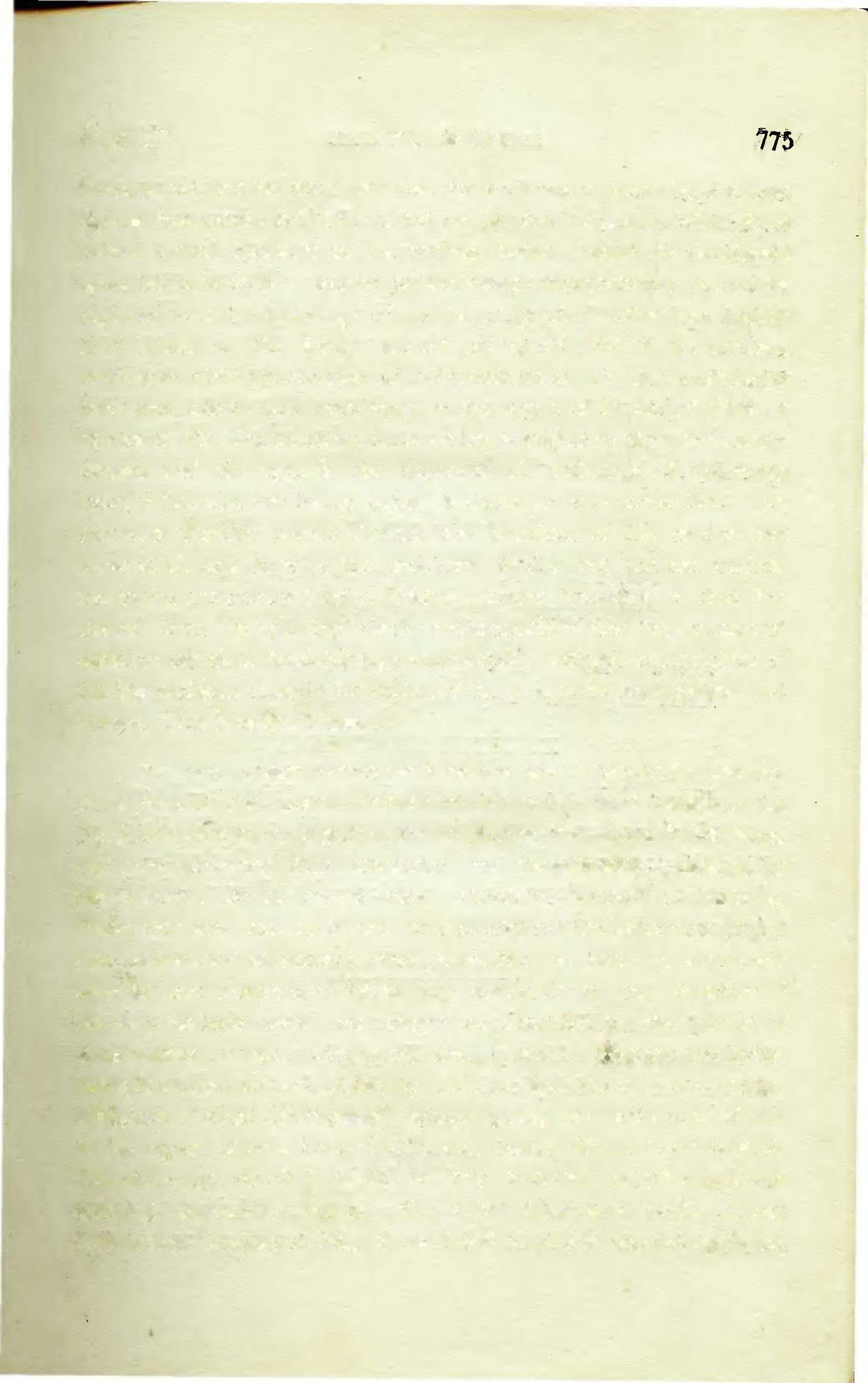
Text 11) PIRSTCANTO '775
)e�rned person can sacrifice any ammount of material happiness for achieving the desired goal known as Brahmasukham or Absolute ffappiness. Real transcenden�alists are hungry about this happiness and as a hungry man cannot be made happy by all comforts of life minus foodstuff,so the hungry man for eternal AbsoluteHappiness cannot be d etracted by any ammount of material happiness. Therefore, the instruction described in this verse cannot be applied to Maharaj Yudhisthira or hjs brothers and mother but it was meant for persons like Dhritarastra for whom Vidura came specially for imparting lessons.
TEXTNo. 18




Viduras tad abhiptetya dhritarastram abhasata
Rajan nirgamatam shighram pasya edam hhayamagatam.
ENGLISH SYNONYMS
Vidura-Mahatma Vidura, Tad- that, abhipretya-Knowing it well, Dhritarastram-unto Dhritarastra, Abhasata-said, Ra;an.King, Nirgamatam-please get o_ut immediately, Shighram-without the leas� delay, Pa.rya-just see, Edam-this, Bhayam -fearfulness, � Agatam-already arrived.



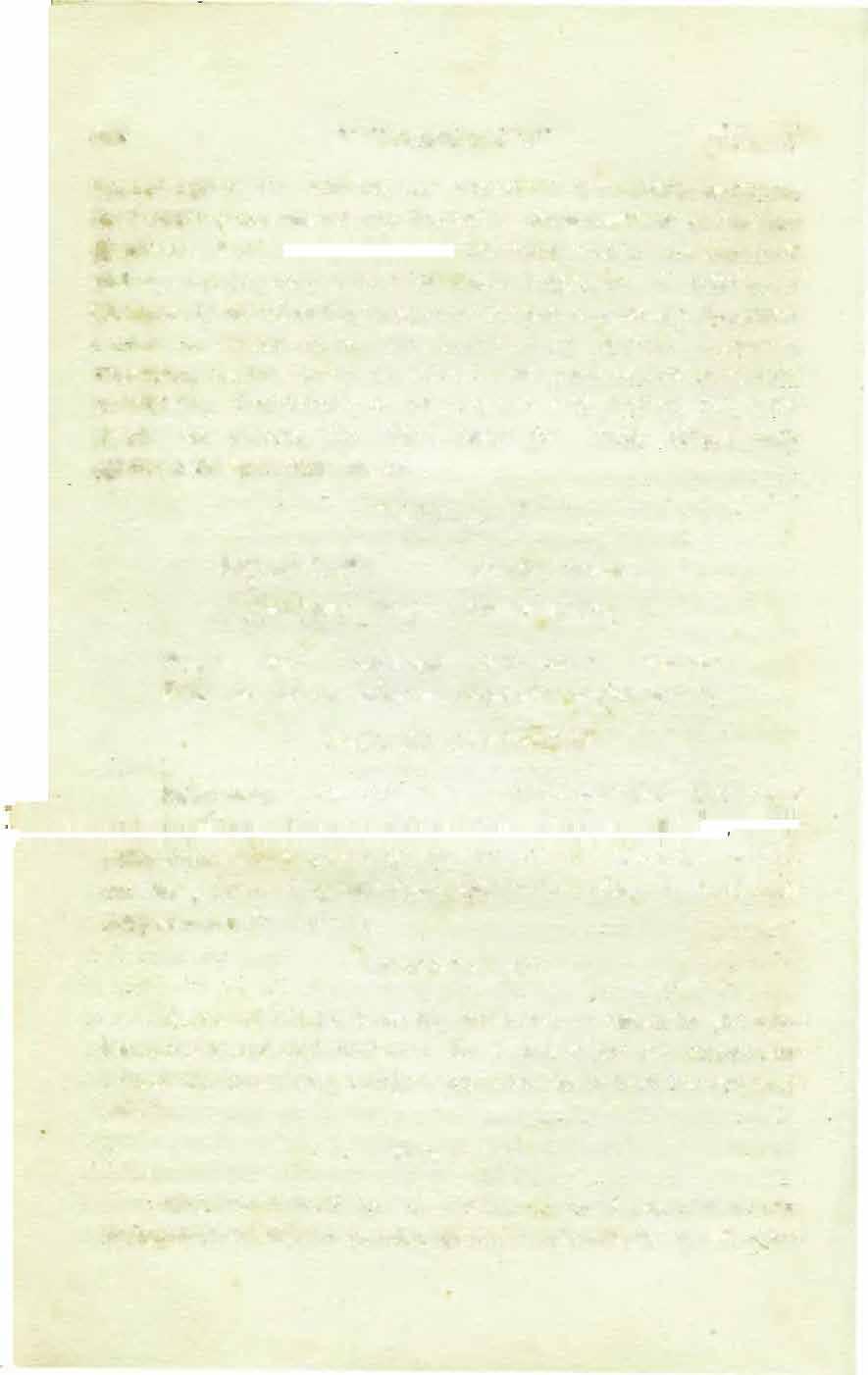
TRANSLATION
Mahatma Vidura knew all these and therefore he addressed Dhritarastra and said 'my dear King, please get out immediately without the least delay andjust see how fearfulness has overtaken you.
PURPORT
Cruel death cares for none may he be Dhritarastra or even
Maharaj Yudhisthira; therefore spiritual instructions as was-given
776 SRIMAD
(Ch. 13
BHAGWATAM
..
���f;r��ll' �a''{TIS�'f�T�a' l �T�fiif�;qai ��R. q�q'i;rqqTtfa''f lI
'
to old Dhritarastra, was eqally applicable also to younger Maharaj Yudhisthira. As a matter· of fact every one in the royal palace including the King and his brothers and mother were raptly attending the lectures.But it was known: to Vidura that his instructions were specially meant for Dhritarastra, who was too much materialistic. The word 'Rajan' is specially addressed to Dhritarastra signfiicantly. Dhritarastra was the eldest son ofhis father and therefore according to law he was to be enshrined on the throne of Hastinapur. But becausehe was blind from birth he became disqualified from his rightful claim. But he could not forget the bereavement and his disappointment was tried to be compensated after the death ofPandu his younger brother. His younger brother left behind him some minor children and Dhrita.. rastra became the naturalguardianofthem but at heart he wanted to becume the factual King andwantedto hand over the kingdom to his own sons headed by Duryodhone. With all these imperial ambition, Dhritarastra wanted to become a King and contrived all sorts ofintrigues in consultation with his brother-in-law Sakuni. But every thing failed by the will of the Lord and at the last stage .even by losing everything men and money he wanted to remain ·-as- -�he King being the eldest uncle of Maharaj ¥udhisthir.
Maharaj Ydhisthir as a matter ofduty maintained Dhritarastra exactly in royal honour and D,lfitarastra was happily passing away bis numbered days in the illusion of becoming a King or the royal uncle ofking Yuahisthira.
Vidura as a saint and as d_uty bound affectionate youngest brother ofDhritarastra, wanted t.o �wake Dhritarastra from his slumber of becoming a false king -driven to disease and oldage by the fricks of powerful time.
Vidura therffore, Earcastically addressed Dhritarastra as the 'king' which he was actually net. Every bodyis the se1vantofeternal time and therefore no body can be king in this material order. King means the person who can ord�r. The celebratedEnglish King _wanted to order over the time and tide but the time and tide refus-· ed to obey his order. ThcrefOie one is a false king in the material world and Dhritarastra was particularly reminded in his false posi-



-'t�xt 18] FIRST CANTO 771
tion and was reminded also about the factual fearful happenings which had alreadyapproached him at that time. Vidura asked him to get out immediately if he wanted at all to be saved from the fearful situation which was approaching him fast. He did not ask Maharaj Yudhisthira jn that way because he knew it well that a king like Maharaj Yudhisthira is aware of all the fearful situation ofthis flimsy world and he would take care of himself in due course even though Vidura may not be present at that time.
TEXT No. 19
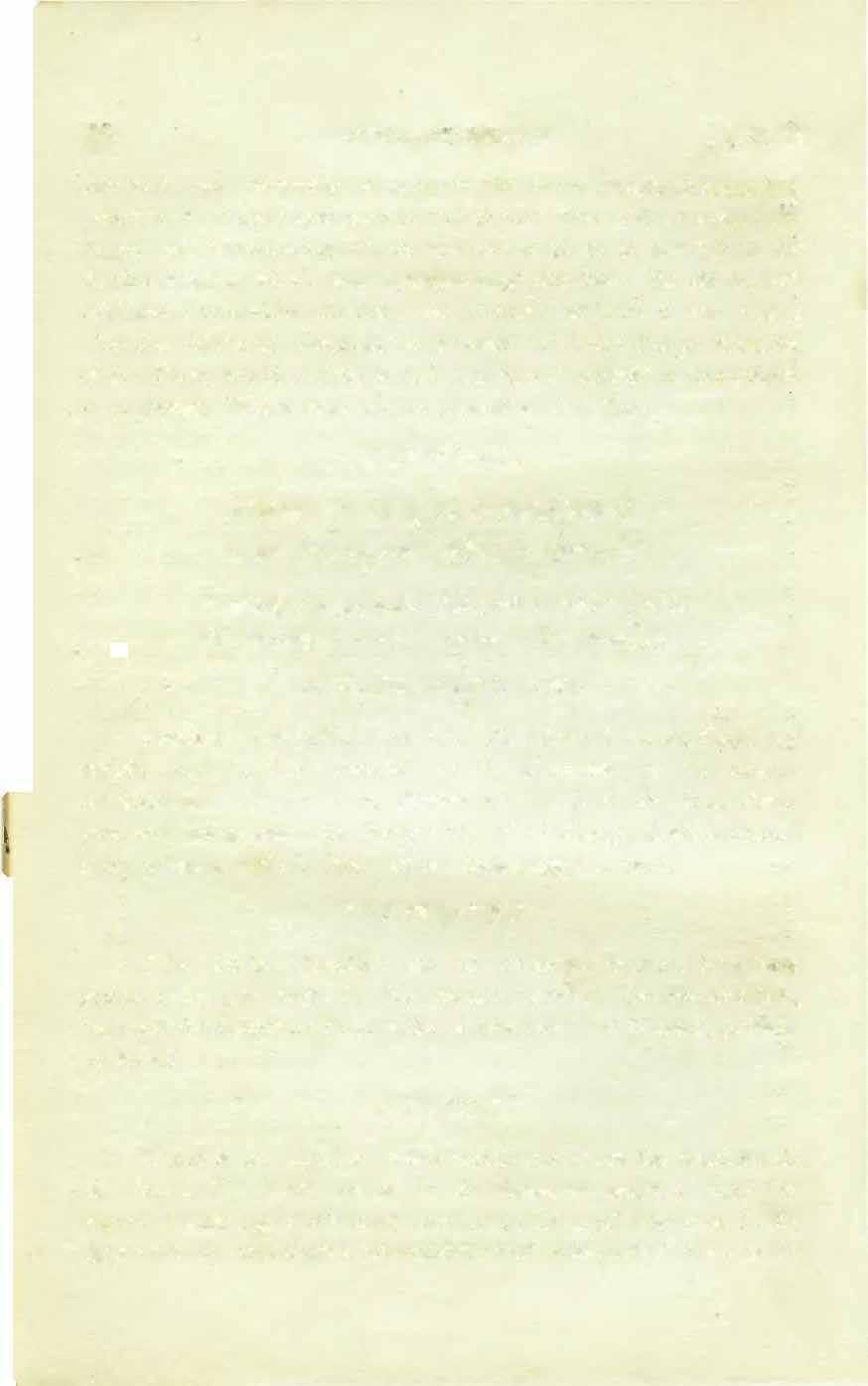
Sffaf�Stit�T � ���a�:qtct\f�filtSflf) t

� �Cf ll'lCIT��T�: �'tl�: �T'lff: II
Pratikriya nayasya iha kutaschit karhichit prabho Sa eva hhagavan kaltih sarvesam nah samagatah.
ENGLISH SYNONYMS
Pratikr�a-remedial measure, Na-there is none, Ya.rya-of which, Iha-in this material world, Kutaschit-by any means, Karhichit-or by any one, Prahho-oh my lord, Sa-that, Evapositively, Bhagawan-the Penonality of Godhead, Kalak-eternal time, Sarvesam-ofall, Nah-ofus, Samagatah-arrived.
TRANSLATION
(The fearful situation) has no remedial measure from any source or by any person in this material world. Oh my lord it is, therefor, the Supreme Personality of Godhead and it has approach. ed for all of us.
PURPORT
There is no superior power which can check the cruel hands of death. No body wants to die however acutely may the source of sufferings one's body may be ; but up ti11 now even in the days ofso called scientific advancement of knowledge, there is no
77S SRIMAD BlrAGWATAM (Ch. 13
"f' •
remedial measure either for oldage or for death. Oldage is the previous notice ofthe arrival ofdeath served by the cruel time and no body can refuse to accept the either summon call or the supreme judgement of the eternal time. This is explaimed before Dhritarastra becanse he might ask Vidura to find out some remedial measure for the imminent fearful situation informed by him (Vidura) as he has had ordered many times before, contradicting the advice of his youngest brother Vidura. Before ordering like that Vidura informed Dhritarastra that there was no remedial measure by any body or from any source in this material world And because there was no such thing in the material world therefore, death is identical with the Supreme Personality of Godhead as it is sai.i by the Lord Himselfin the Bhagwat Geeta (B.G. 12/32)
Death cannot be checked by any body or from any source within this material world is verysignificant. Hiranyakaspu wanted to be immortal by undergoing a severe type ofpenance by which the whole universe was trembled and Brahma Himselfapproached him to desuade Hiranyakasipu from such severe type of penance. Hiranykasipu asked Brahma to award him the blessingi of immortality but Brahma said that He Himself was subject to death even in the topmost planet and how could he award him the benediction ofimmortality. So there is death even in the topmost planet ofthis universe and whatto speak ofother planets which are far far inferior in quality than Brahmaloka the residing planet of Brahma. Wherever there is influence of eternal time there is the set of tribulations namely birth, diseases and old age and all of them are invincible.
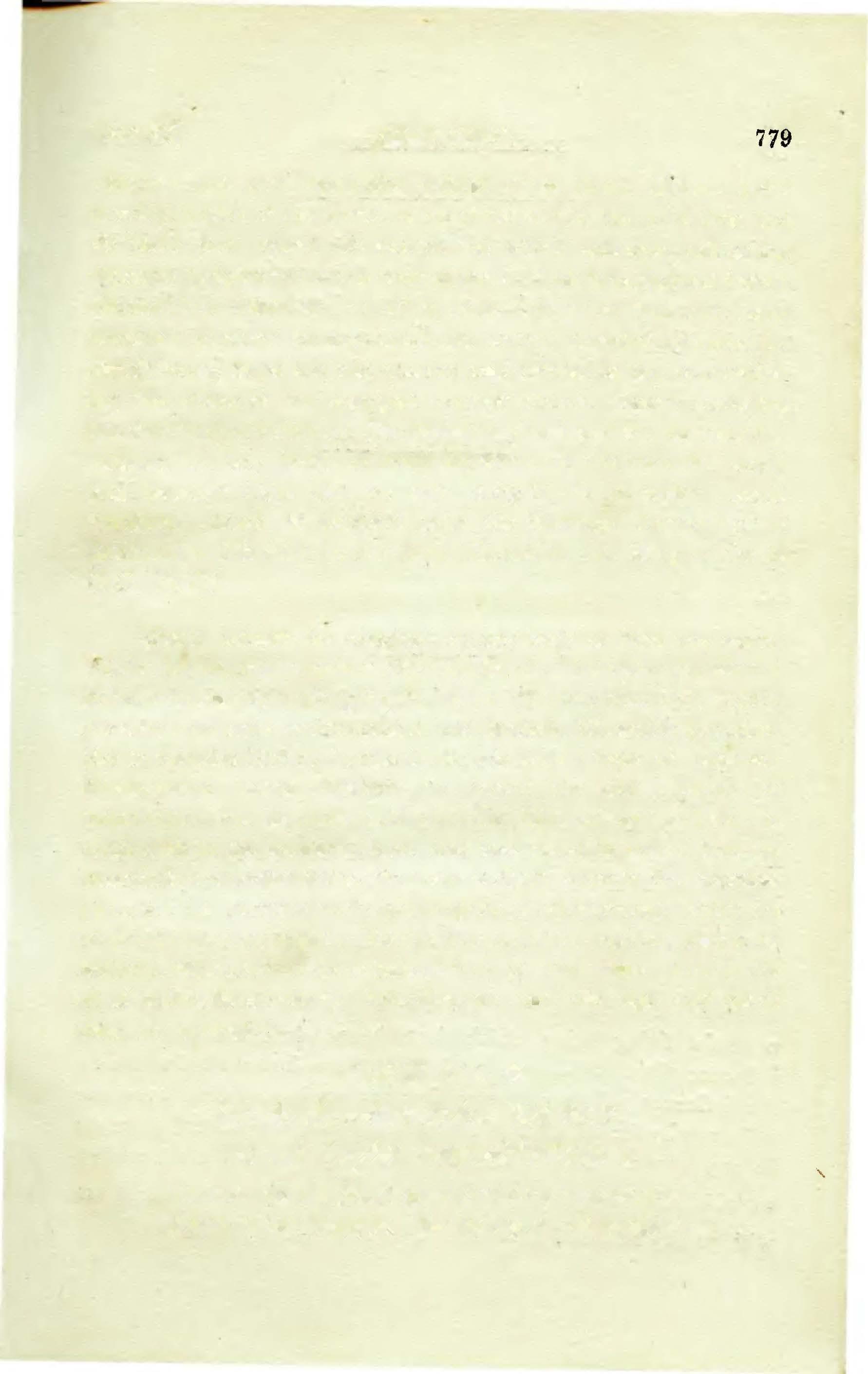
Text 20] FmSTCANTO 779
TEXT NO. 20 it;r :i"trf11q;�)SI( sttol: fsrqaqo�fq • iSfif: mr)f�qa- f��aTflf�ifTRflf: II Tma cha l}'a abhipanna Q.)lam pranaih priyatamair api ]lltUllz sadva viJu,blttJ kimutga'V'air dhanadibhih4
ENGLISH SYNONYMS
rena-pulled by suchtime, Cha--and. Eva--certainly, Abhipannaovertaken, Ayam--�his, Pranaih-withJife, Priyatamair-which is most dear to every one. Api-even though, Janah-person, Sadya_:_ forthwith V!Jujyeta -do give up, Kimuta-and what to speak of any other thing, Dhanadibhih-such as wealth, honour, children, land, house etc.


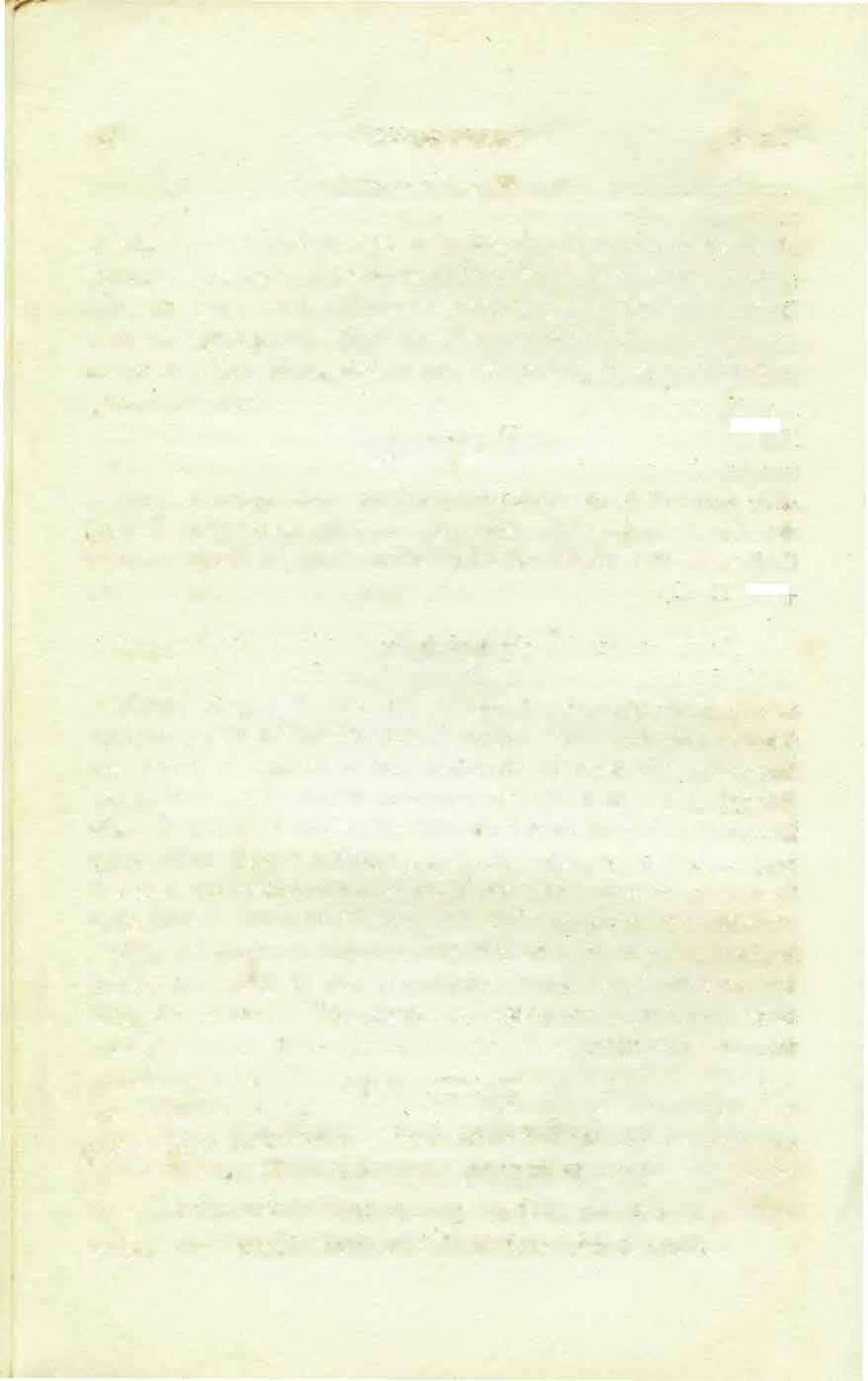
TRANSLATION
Any one who may be under the influence ofSupreme Kala (eternal time) must have to surrender one's most dear life and what to speak of other non-important things such a� wealth etc.
-PURPORT
Agreat Indian scientist busy in the plan-making business was suddenly called by the invincible eternal time while the scientist was going to attend a very important meeting ofthe planning commission and he had to surrender his life even on thecar and what to speak of his wife children house land wealth etc left. behind him. Duringpolitical upsurge inIndia and its division into Pakistan and Hindusthan so manyrich and influentialpersons of India had to surrender life, property and honour by the influence oftime and there are hundreds and thausands ofexamples like that all over the world, all over the nniver3e which areall effects of the influence of time. Therefore, the conclusion is that there is no powerful living being within the universe who can over come the influence oftime. Manypoets have written lamentable verses on .the Influence of time, many devastations have taken over the universes bythe influence oftime and no bodycould check them up by any means. Even in our daily lifeso many things come and go on which we have no hand but we have to suffer or tolerate them withoutany remedial measure. Thatis th� · form oftim�•
780 SRIKAD BHAGWATAK
13
[Ch.
�n�ift :q iil''(�t v�a:

Pitri bhratri suhrit putra hataste -vigatam vayah
Atma chajadaya grastah parageham upasase.
ENGLISHSYNONYMS
Pitri-father, Bhratri-brother, Suhrit-well wisher, Putra-sons, Hatas-alldead and passedaway, Te-yours, Vigatam-expended, Vayah-age, Atama-the body, Cha-also, Jadaya-by invalidity, Grastah-overcome, Parageha-other's home, Upasase-you do live.
TRANSLATION
Your father, brother, we11 wishers and sons all are dt:�d and passed away. You have expended the major portion ofyom age, your body is now over taken by invalidity and at)ast you '�re living in the home ofother.
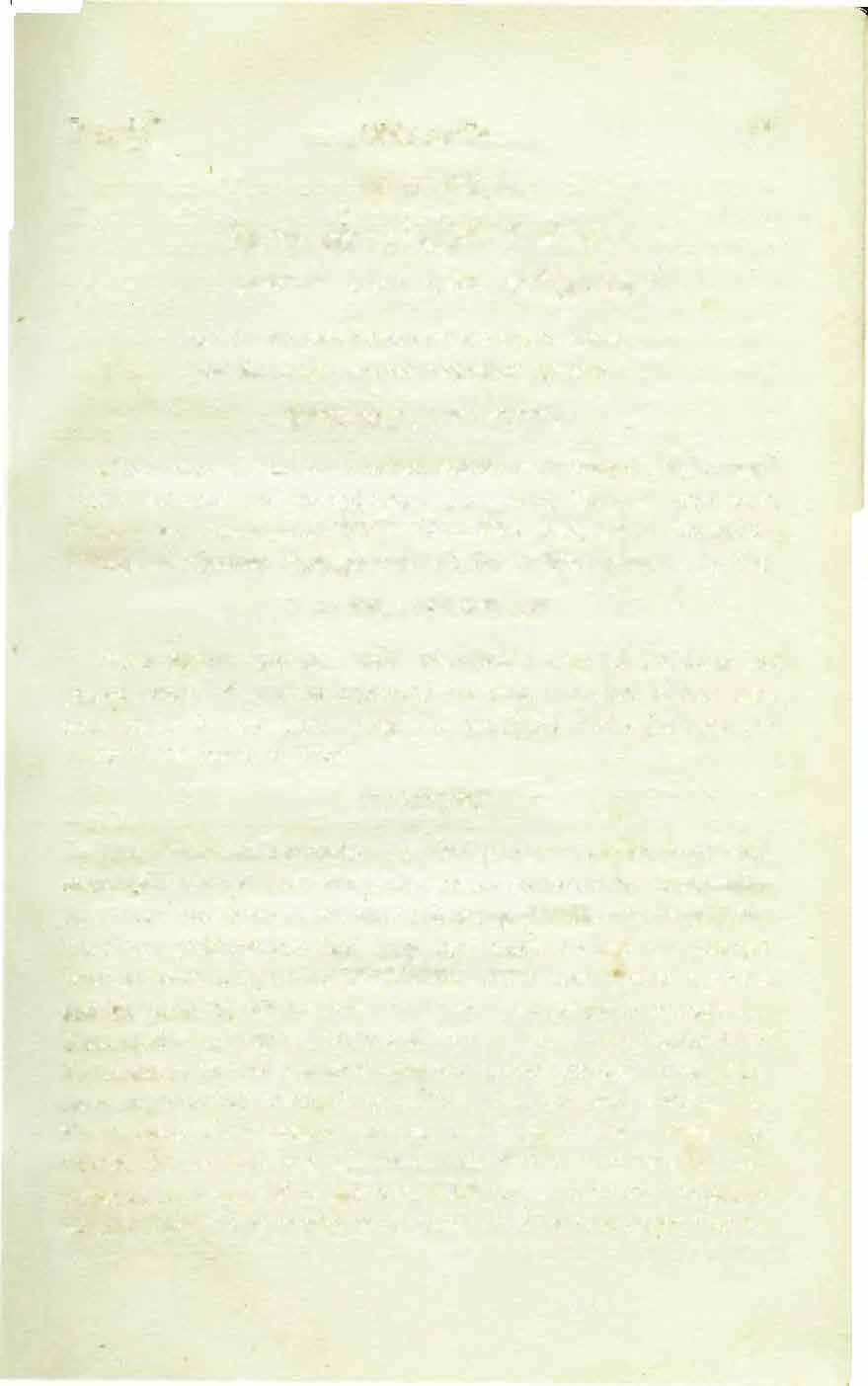
PURPORT
The King is reminded about hisprecarious conditions influenced by the cruel time and by his past experience he should have been more intelligent tosee what was going tohappento his ownJife. HisfatherVichitravirya died long ago when he an.d his younger brothers were all little minor children and it was due to the care and kindness of Bhismadeva that they were properly brought up. Then again his brother Pandu also died. Then in the battlefield of Kurukshetra his one hundred sons and grand sons; at least ofthe same number all died along with all other well wishers like Bhismadeva, Dronacharya, Karna and many other kings and frien_ds. So he had lost all men and money and now he was living at the mercy ofhis nephew whomhe hadput into troubles of various types. And inspite ofall these reverses he thought that he
Text
Fil'tST CANTO
21]
TEXT NO. 21 fq�����2:�' ��n�a fCJrrti ewq:•
q�it�!q'"� ''
781
would prolong his chequered life more and more. Vidurawanted to point out tocDhritarastra that every one has to protecthimselfby his action and the Grace ofthe Lord. One has to execute his duty faithfully depending for the result on the Suprem� Authority. No friend, no children, no father, no brother, no state and no body else can protect a personwho is not protectedby the Supreme Lord. One should, therefore, seek the protection of the Supreme Lord and the human form oflife is meant for seeking that protection. He was pointed out about his precarious conditions more and more by the following words.
TEXT No. 22.




Andhah pura eva 'badhiro mandaprajnas cha sampratam Vishirna danto mandagnih saragah kapham udbahan.
ENGLISH SYNONYMS
Andha-blind, Pura-From the beginning, Eva-certainly, Badhiro-hard ofhearing, Mandaprajnas-memory shortened, Chaaud, Sampratam-recently, Vishirna -loosened, Danto- teeth, Manda gnih-liver action decreased, Saragah-with sound, Kaphamcoughing mucus, Udbahan-comingout.
TRANSLATION
(Personally) you are blind from the very beginning ofyour birth and there is no doubt about it and recently you have become hard ofhearing, your memoryshortened and intelligence disturbed your teeth loosened and the livt!raction being decreased, you are coughing with sound and mucus coming out.
PURPORT
The symptoms of oldage which had already developfd in the person ofDhritarastra were all one after another pointed out to
SRlMADBII.AGWATAM (Ch. 13
a;:Q': �t� �fQ'�) ;r;crsrm� ��sni •
�;a) ;r;c:tf..-rr: ��111': ��� 11
fir�ivi
Dhritarastratogive himwarning thatdeathwasnearingveryquickly and still he was foolishly carefree about hls futnre. The signs pofnted by Vidura in the body of Dhritarastra were signs of Apakshaya or dwindling ofthe material body before the last stroke ofdeath. The body is born, it develops, stays, creates other bodies, dwindles and then vanishes. But foolish man wants to make a permanent settlement of the perishable body and thinks thathis estate, children, society, country etc will give him protection. With such foolish ideas he becomes overtaken by�such temporaryengage ments and forgets altogether that he has to give up this temporary body and take a new one again to arrange for another term ofsoceity, friendship and love again to be perished ultimately. He. forgets his permanent identity and becomes foolishly active for the non-permanent occupations forgetting altogether his prime duty. Saints and sages like Vidura approach such foolish utopians to awake them to the real situation but the foolish utopians take such Sadhus and saints as parasites ofthe society and almost all of them refuse to give aural reception to the words of such Sadhus and saints although theywelcome such showbottle Sadhus (?) and so-called saints who can satisfy the foolishman's sense gratification. Vidura is not a Sadhu to satisfy the HI-gotten sentiments ofDhritarastra and he was correctly pointing out the real situation of life and how to save oneselffrom such catastrophies.


ENGLISH SYNONYMS
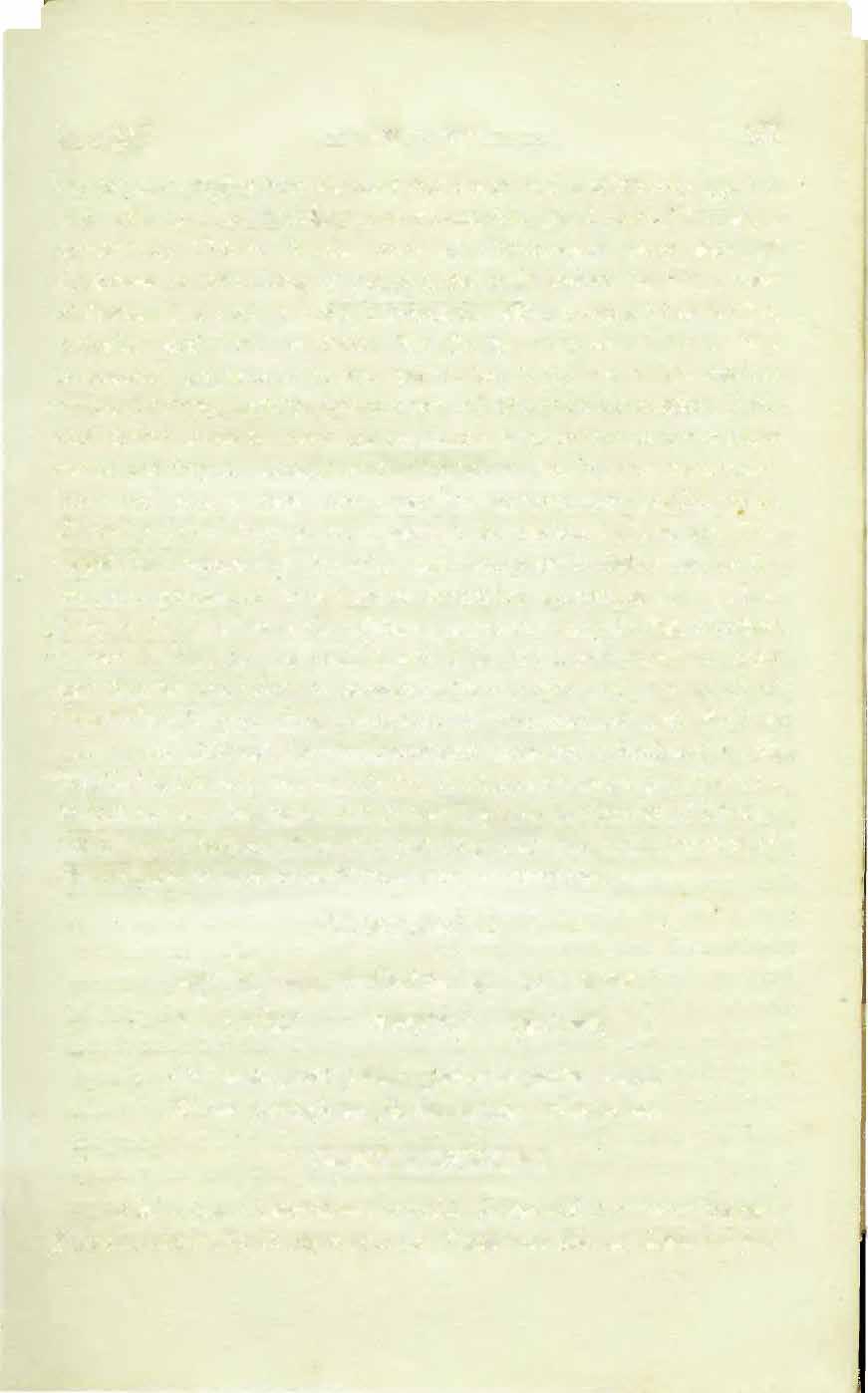
Text 23] FIRST CANTO 783
23 ��) q-�)lf�T \lf;:a)�1f�t�T�T lfqT ��li! t �T"Ttrcn�� ftt'nrt� ,�qy�'f� tt
Bhhima apavarjitam pindam adatte
TEXT No.
Aho mahiayashi jantor jivitasha yatha · bhavan
grihapalavat.
Aho-alas, Mahbashi-powerful, Jantor-of the living beings, Jivitasha-hope for living condition, .ratha�-as and as, Bhavan-you
are, Bheema-Beemsena brother ofYudhsthira, Apavarjitam-remnants, Pindam-foodstulif, Adatte-eaten by, Grihapalavat-Jike a house.. hold dog.
TRANSLATION
Alas ! how much powerful is the hope ofa living being to continue a life as much as you are living just like a household dog eating the remnant bits offoodstuffgiven by Bheema !
PURPORT
A sadhu is never meant for flattering a king or a reach man for living comfortablyat their cost. A sadhu is to speak the bare truth to the compact householders about the naked truth oflife so that one may come to his senses about the precarious life in material existence. Dhritarastra is a typical example of attached old man in husehold-Jife. He had become a popper in the true sense and still he wanted to live comfortably in the �ouse of the Pandavas ofwhomBheemaspeciallyis mentioned becausepersonally he killed two prominent sons of Dhritarastra nameley Duryodhone and Duhsasan. These two sons of Dhritarastra were very much dear to him for their being notorious in nefarious activities and Bheem is particularly pointed out because It is he who killed these pet sons of Dhritarastra. And why he was living there at the house of the Pandavas ? Because Dhritarastra wanted to continue his life comfortably even at the risk ofall humiliation from the point of his own poistion. Vidura therefore, became astonished how much powerful is the sense of continuing life of the livingbeing. This sense ofcontinuing one's life indicates that a livingbeing is eternally living entity and be does:not want to change his habitation of the body. The foolishman does not know that a particular term ofbodily existence is awarded to him to undergo a term ofimprisonment and the human body is awarded, after many many births and deaths, as a chance for self-realisation and thus go back to home go back to Godhead. But persons like Dhritarastra try
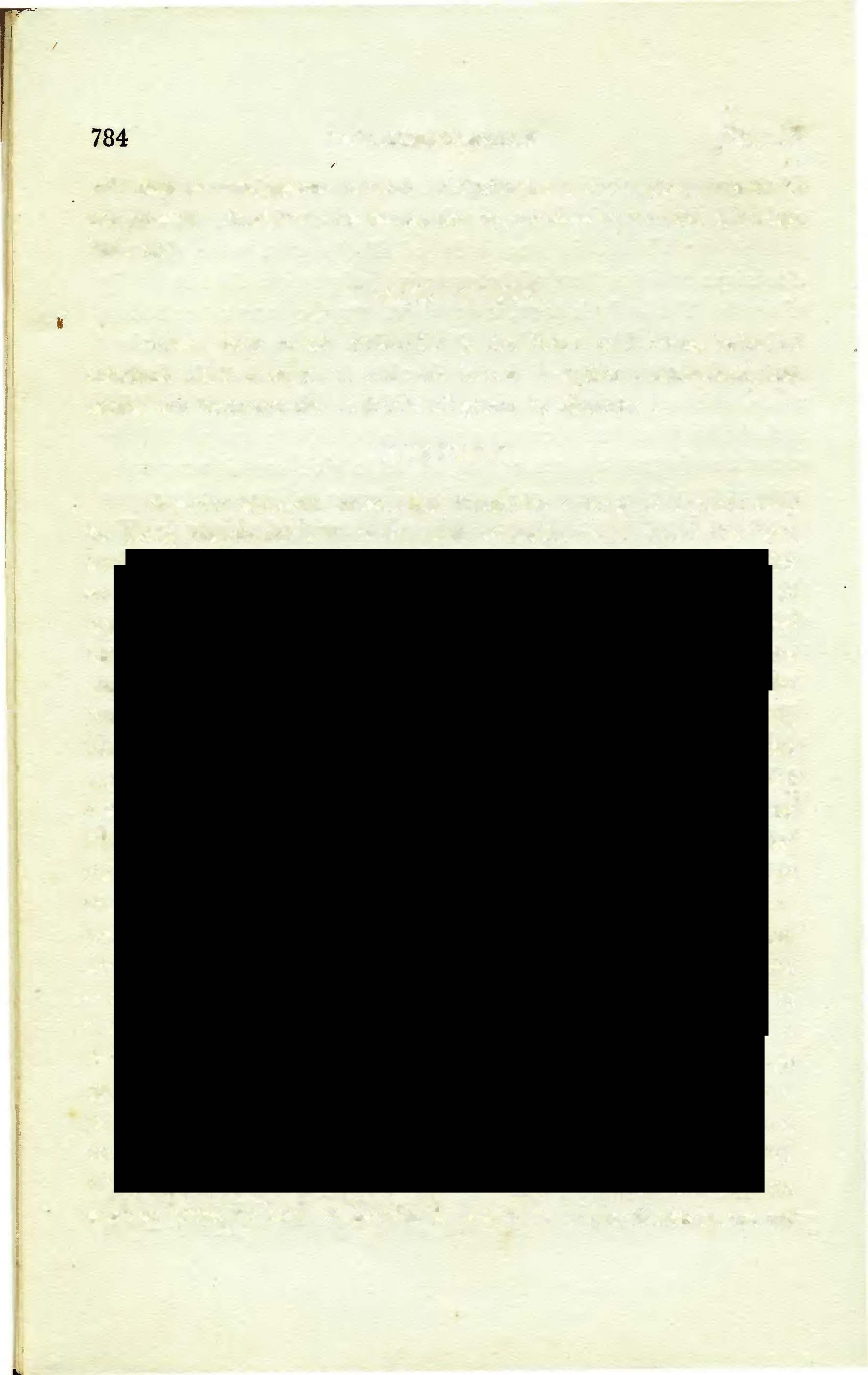
784 SRIMAD BHAGWATAM (Ch. 13
to make plans to live here in a comfortable positiOn with profit and interest and he does not see thingsas they are. The things are different from his utopian conception of life but he is blind like Dhritarastra and continue to hope for livin� comfortably in the midst ofall kinds of reverses of life. A Sadhu like Vidura is meant for awakening such blind persons like Dhritarastra and thus help him going back to Godhead where life is eternal ; once going there no body wants to come back to this material world ofmiseries. We canjust imagine how much important and responsible task is entrusted to a Sadhu like Mahatma Vidura.
TEXT No. 24


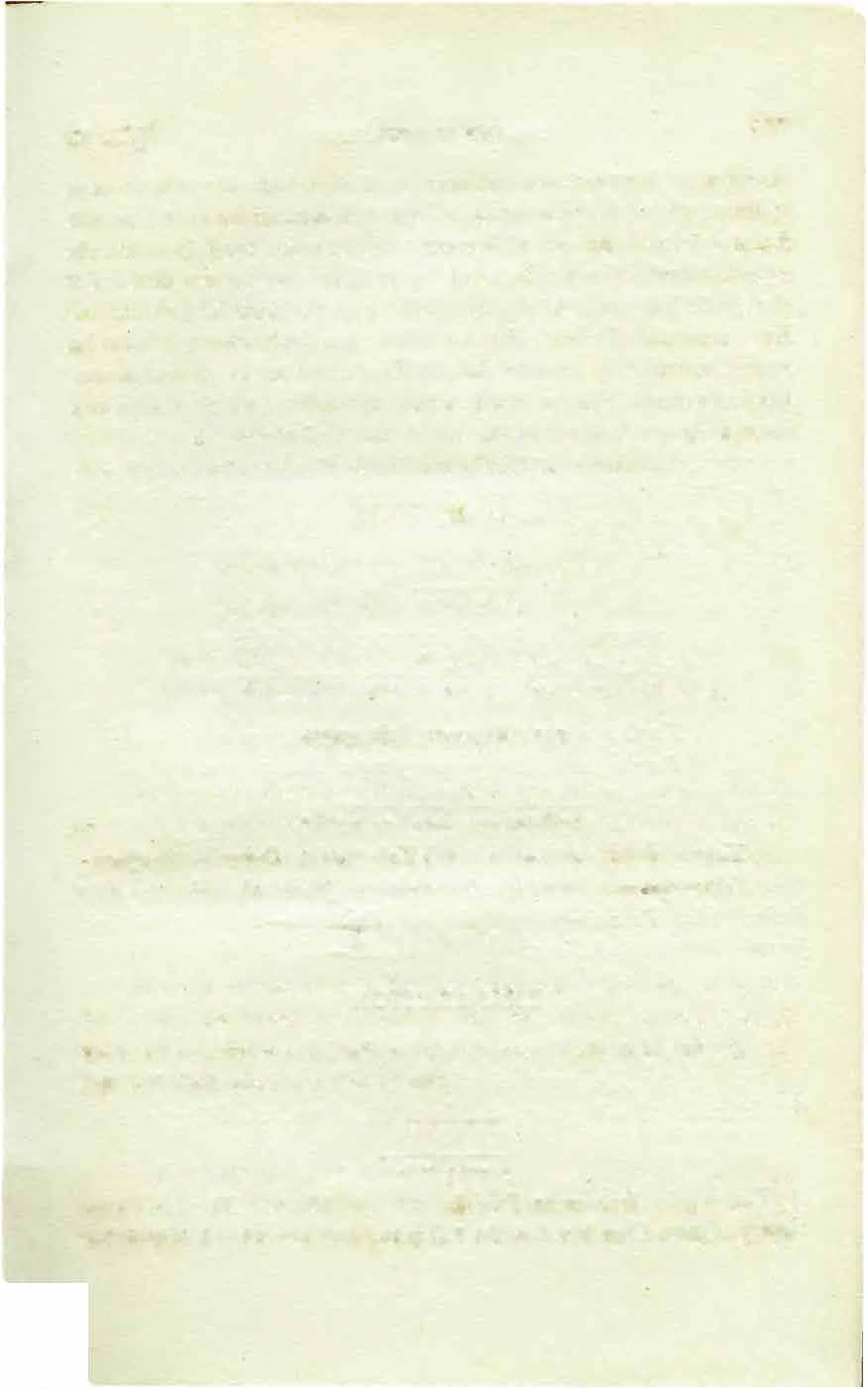
Agnir nisristo dattas cha garo daras cha dushitah
Hritam kshetrain dharzamyesam tad dattair asubhih kiyat.
ENGLISH SYNONYMS
Agnir-fi.re, Nisristo-set inj Dattas-given, Cha-and, Garopoison, Daras-married wife, Dushitah-insulted, Hritam-usurped, Kshetram-kingdom, Dhallam-wealth, Tesam--ofthose, Tad-their, Dattam-given by, Asubhih-subsisting, K�at-is unnecessary.
TRANSLATION
There is no necessity ofliving a degraded life subsisted by the charity ofthose whom you tried to ki11 by setting on fire in their house by administering poison, by insulting their married wife, by usurping their kingdom and wealth.
PURPORT
The system of Varnashram religion sets aside" a part of one'slife completely for the purpose of self-realisation and attainment of salvationin the human form�oflife. That is a routine division oflife
Text 24] FIRST CANTO 785
&:ri �� q;f ttfri o��f+r:f��
�fi"f;:(�IS!')q�'f;:f q�) �T�T'f'lf if"'a1: I
II
but persons like Dhritarastra even at their weary ripen age want to keep up at home even in a degraded condition as to accept charity from enemies. Vidura wanted to point out this anomaly in his brother's life and impressed upon him thal it was better for him to die like his sons than accepting such humiliating charity. Fivethousands ofyearsbefore there was one Dhritarastra but at the present moment there are fullof :Qhritarastras in every home. Specially the politicians do not wish to retirefrom political activities unless they are dragged by the cruel hand of death or killed by some opposing element. To stick to family lifeup to the end ofone's human life is the grossest type �fdegradation and there is absolute need ofeducating such Dhritarastras _ by the Viduras even at the present moment.
TEX'l' No. 25
Tasya api taba deha ayam kripanasya jijivishoh
Paraiti anichhato jeerno jarqya vasasi zva.
ENGLISH SYNONYMS
Tasya-·of this, Api--inspite of, Taba--your, Deha--body, Ayam-this, Kripanasya-of one who is miserly, Jijivishoh -of you who desire life, Paraiti-will dwindle, Anichhato-even unwilling. Jeerno-deteriorated, Vasasi-garments, Jva-Jike
TRANSLATION
Inspite ofyoursuch wishful desire for living even atthe costof honour and prestige your miserly body will certainly dwindle like the deteriorated old garment although you are unwilling to die.
PURPORT
The words Kripanasya ji.Jir;isho , are significant. Tbere are two classes of men. One is calledthe 'Kripana' and theotheriscalledthe
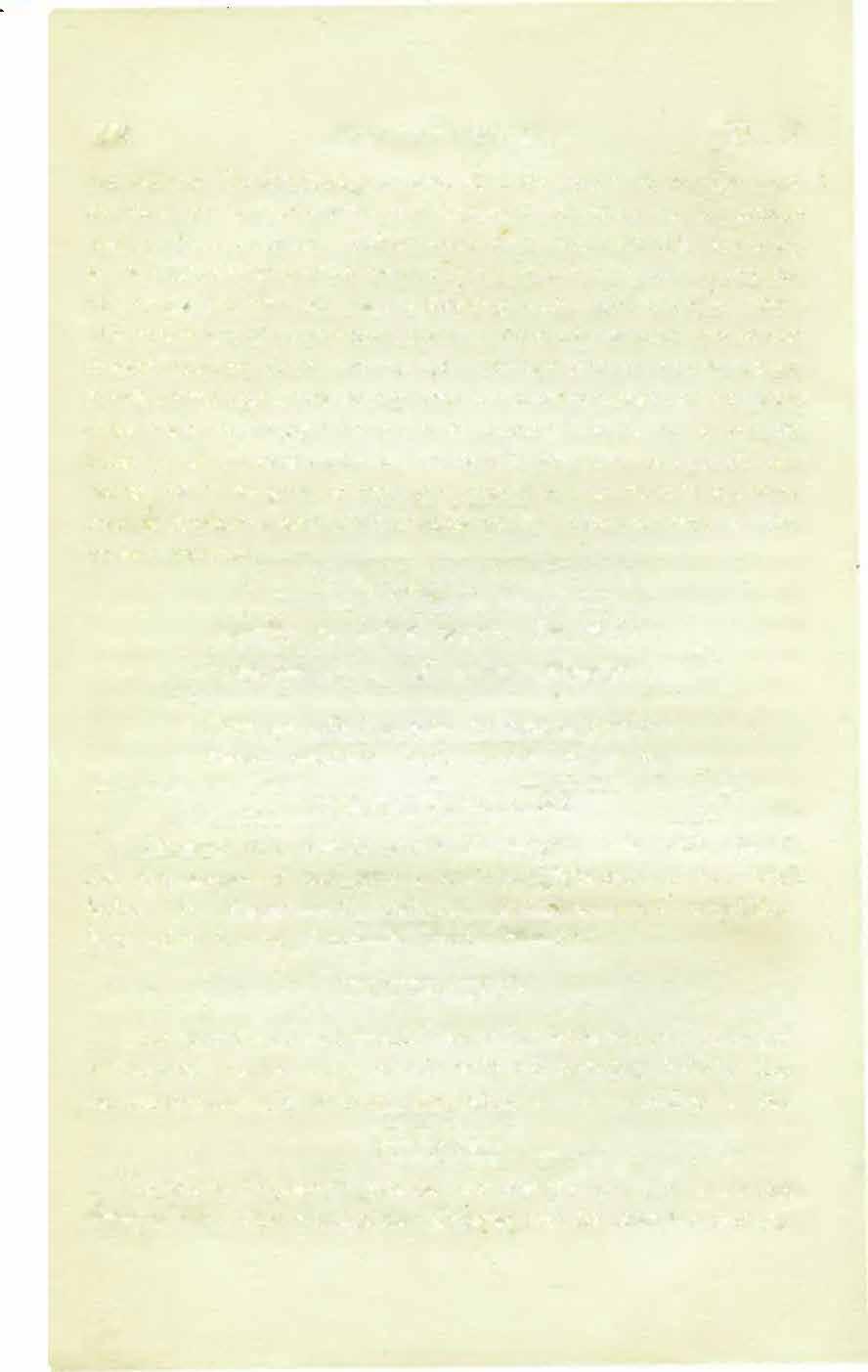
786 SRIMAD BHAGWATAM [Ch. 13
��)sti Cf!qvr�lf fGf'lftff!fl:f): t
'lflvr1 \if�lft f!ft�a"ttcr 11
�n=tnfq a'q
��lff;:r:aua-)
'Brahamana' ' The 'Kripana' or the miserlyman has no estimation ofhis material bndy but the 'Brabmana' has a true estimation of ofhimself and the material body. The kripana having wrong estimation ofhis material body, wants to make sense-gratification to the utmost strength and even in old ac;e also he wants to become a youngman by medical treatment or otherwise. Dhritarastra is addressed herein as the Kripana because without any estimation of his material body he wants to live at any cost and Vidura is trying to open his eyes that he cannot live more than his term of living and he must be prepared for death. Death being inevitable why should he accept such humiliating positon for living better take the rightpath even at tbe risk of death. Human life is meant for finishing all kinds of miseries ofmaterial existence and life should be so trained up as one can achieve the desired goal. Dhritarastra due to his wrong conception oflife, had already spoiled 80% ofhis achived energy and it was good for him to utilise the remaining days ofhis miserly life ; it might be utilised for the ultimate good. �uch life like that of .. Dhritarastra is called miserly because they cannot properly utilise the assets of the human form of life. Such miserly man by good luck only meets self-realised soul like Vidura and by his instruction get rid of the nescience of material existence.
TEXT No. 26
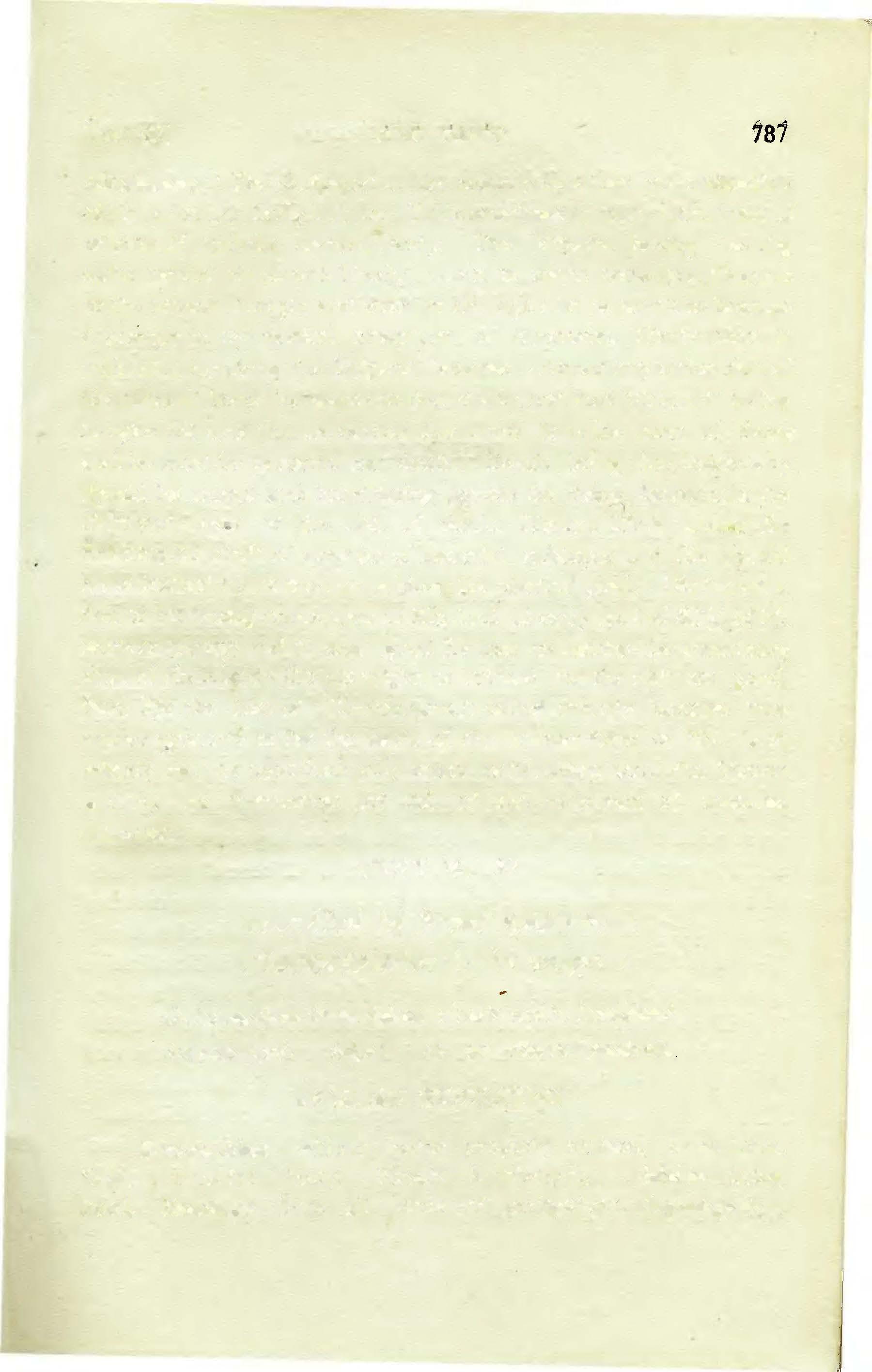
ffo�C�T�f�ti i� fC��cra) ljctoif�et;:r� '
�mtaqfa:iW!r�« <i ett� �fit�a: ''
Gataswartham imam deham viraktomukta bandhanah
AviJnatargatir Jahyat sa vai dheera udalzrita,
ENGLISH SYNONYMS
Gataswartham --without beiug properly utilised, Imam-this, Deham--material body, Virakto-indifferently, Mukta-being freed, Bandhana - from all kinds of obligations, Avijnatagatir-
Text 26] FIRST CANTO 181
unknown destination, Jahyat-one should give this body, Sa-such person, Bai-certainly, Dheera-undisturbed, Udahritah-is said to be so.
TRANSLATION
Theperson who quits his material body which is not properly utilised,in an unknown destination indifferently and freed from all obligations, is called undisturbed.
PURPORT
Narottamdas Thakur a great devotee and Acharya of the Goudiya Vaisnava sect has sung like this. "My Lord I have simply wasted my life. Having obtained the humanly body I have neglected to worship your Lordship and therefore willngly I accep• ted poison". In other words the humanly body is specially meant for cultivating knowledge of devotional service ofthe Lord without which the life becomes full of anxieties -and miserable conditions Therefore, those who have spoiled their life without such cultural activities, such persons are advised to leave home without any knowledge of friends and relatives and being freedfrom all obligations offamily, society, country etc and thus give the body up at some unknown destination so that others may not konw where and how such person has had met his death. "Dheera" means one who is not disturbed even there is sufficient provocation or causesof disturbanceinlife.One cannot give up thewayofcomfortable family lifedueto affectionaterelationwith wife and children. Self-realisation is obstructed by such undue affection of family life and ifany one is at all able to forget such relation sQme how or other, he is called the undisturbed or Dheera. This is however a path of renounced order oflife based onthe sentiment offrustrated life butstabilisation ofsuch renouncemen(is possibleonlyby association ofbonafide saint and self-realised souls and thus be engaged in the loving devotional service ofthe Lord. Sincere surrender unto the lotus feet ofthe Lord is possible by awakening of transcendental sense of service

188 SRIMAD BHAGWATAM (Oh. 13
made possible by association of pure devotees of the Lord. Dhritarastra was lucky enough to have a brother whose very association was a source ofliberation for his frustrated life. ·
TEXT No. 27

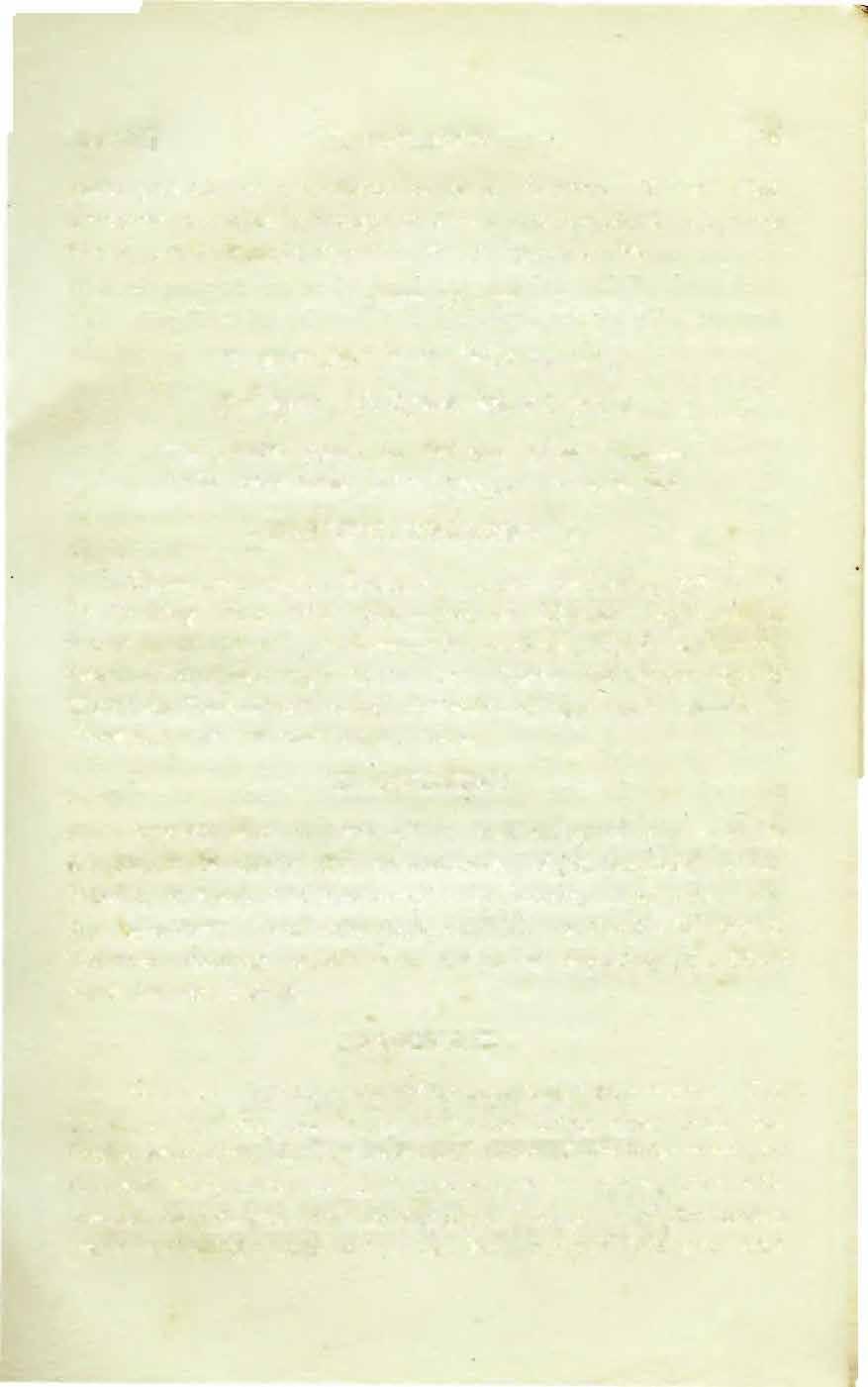
lf: 'CJ!lfin�)�;ne�f.fiq-aTtqCft� •
�fq�Cfl �f'(��TtSI'fl���'()�q: II
rak swakat parato ba ika jata nirveda atmavan
Hridi kritwaharim gehat prahrajet sa narotamah.
ENGUSHSYNONYMS
'f'ak-any one who, Swakat--by his own awakening, Parato-or by hearing from other, Jata-becomes, .Nirveda-indifferent to material attachment, Atmavan-consciencious, Hridi-within the heart, Kritwa-having taken by, Harlm -tl!.e Personality of Godhead, Gehat-from home, Prabrajet-do go away, Sa-he is, Narottama-the first class human being.
TRANSLATION
A person who understands by awakening of conscience in the matter of falsity and miserableness of""this material world, either by awakening ofhis ownselfor by hearing from other and thus go(js away from home depending fully on the Personality of Godhead residing within one's heart,-is certainly the first class human being.
PURPORT
So there are three classesoftranscendentalists namely. 1. The Dheera or the one who is not disturbed being away from the family association, 2. The renounced order of life orSannyasi by frustrational sentimentand 3. A sincere devotee ofthe Lord who awakens God-consciousness byhearingand chantingandthus leaves home dependins completely on the Personality of Godhead who
CANTO 789
Text 27] FIRST
residesinhis heart. The idea is that renouncendorderoflife after a frustrational life ofsentiment of the material world may be the steppingstone on the path ofself-realistion; but!realperfectionof suchpatho£liberationisattainedwhenoneispractisedto depend fullyontheSupreme Personality ofCodhead, Who lives in every one's heartas Paramatama. One may� live in the darkestjungle alone out of home but a steadfast devotee knows very well that he is not alone. The Supreme Personality of Godhead is with him and He can protect His sincere devotee from any awkward circumstanc;es out of home. One should therefore practise the devotional service at home hearing and chanting of the holy Name, Quality, ·Form, Pastimes, Entourage etc by association ofpure devotees and thispractice will help him awakeni�g of God-cons,ciousness porportionately of one's sincereity qf purpose. On�.who desires material benefitbysuch devotional activi.. ties can never depend on the Supreme Personality of Godhe'lod although He sits in every o�ne's he�rt. Neither the Lord gives �ny direction to such persons whQ worship Him for material gaiJ;I� Such materialistic devotee �ay be .blessed by the Lord with material bem·fi.ts but such devotee cannot reach to the stage of �he first class human-being as above mentioned. There are many examples of"SUch sincere devotees in the history of the world, especially in Ind,ia, and they are our guides on the path of self. realisaton. Mahatama Vidura �s on.e of such great devotees ofthe Lord and we may all try · to follow his lotus foot-prints in the matter ofselfrealisation. PJ:EX-'f
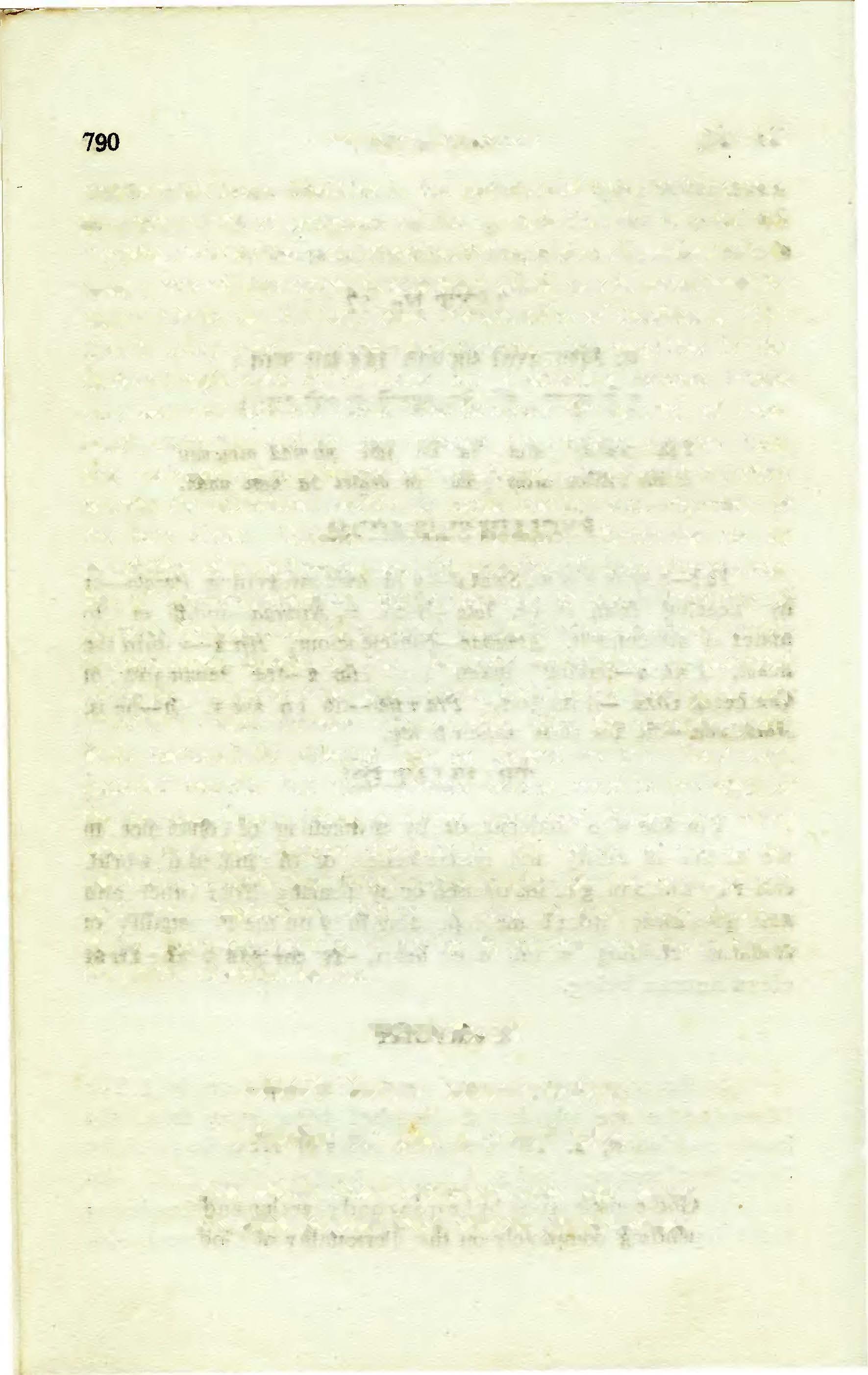
790 SBIMADBHAGWAT.A.M [Ch. 13
NQ. 28
mr�� ��ifTctrrfri�;1
lillT�: �·ijf�vrf�'f)livr:u
P.riiJatah
gunavikarsanah. '
a'"'hr1
ta)�nr�:
4thaudiclzindislzamJaluswairajnatagatirbhavan !ttl at/Jak
kalakpumsam
ENGLISH SYNONYMS
Atka-therefore, Udichim-northern side, Yatu--pleasegoaway, Swair-by your relatives, Ajnata-without knowledge, Gatirmovements,Bhavan-ofyourself, Ito-afterthis, Arhak-will usher in, Kala-time, Pumsam-ofmen, Guna-qualities, Vikarsanah-diminishing.
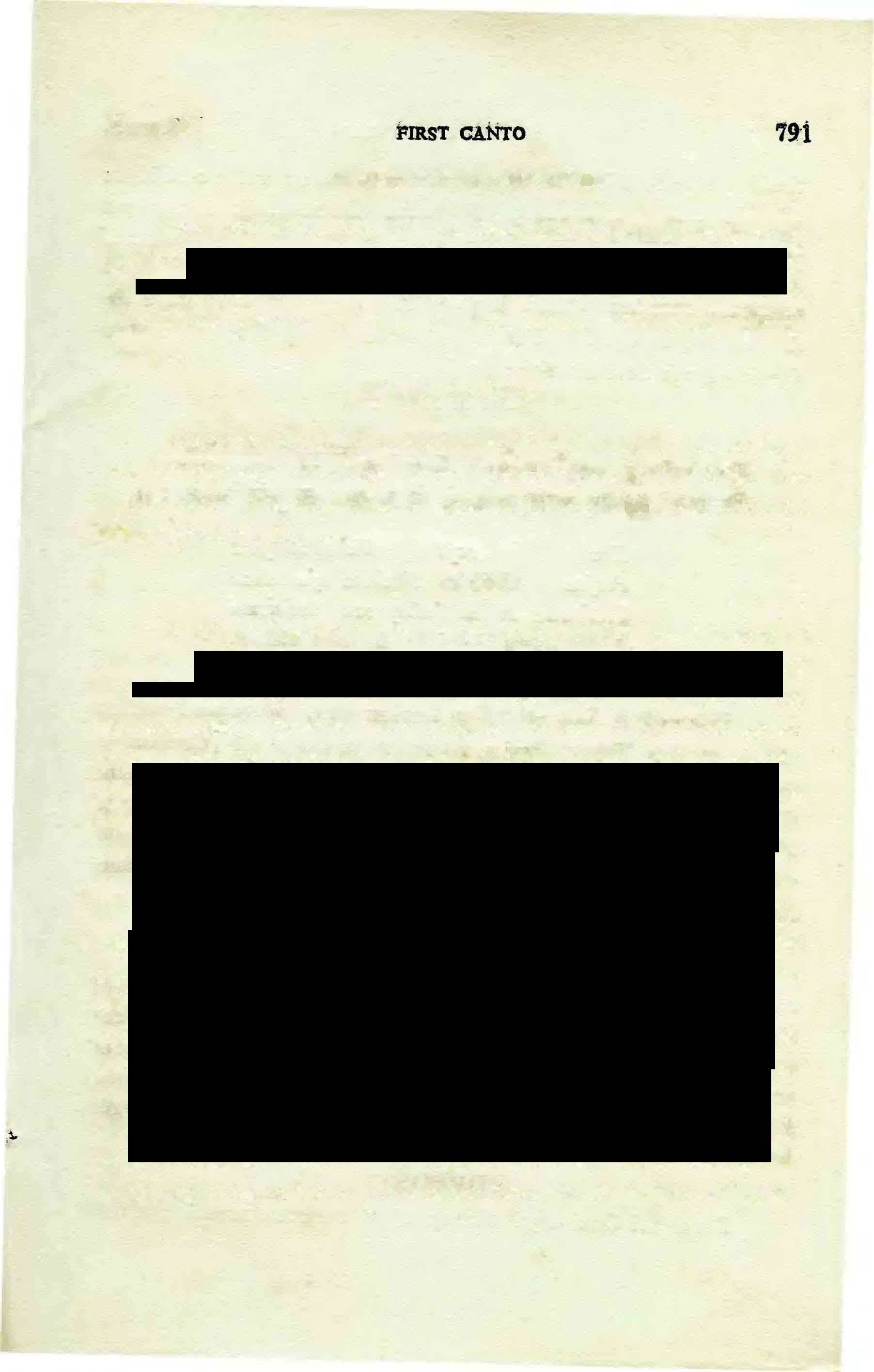
TRANSLATION
Please therefore, go away immediately towards the northern side without any knowledge ofyour relativesbecausejustin the near future after this the time is approaching whitb will diminish man's good qualities.
PURPORT
A life of frustraion can be compensated by becoming a Dheera or leaving home for gocd without any knowledge of the relatives and Vidura advised his eldest brother to adopt the way without delay. Because very quickly the age of Kali was approaching was also.indicated by him. A :conditioned soul is already embarassed by the material association and still in the Kali ruga good qualities ofa man will deteriorate to the lowest standard. He was advised to leave home before the time of Kali Yuga approaches, because the atmosphere which was created by Vidura in response to his \laluable instructions on the fact of life, may fade away due to the influence of the particular age fast approaching. To become Narottam or the first class human being depending completely on the Supreme Personality of Godhead, is not possible for any ordinary man as it is stated in the Bhagwat Geeta (B. G. 7/28) that aperson who is completelyrelievedofalltints ofsinful acts, can alone depend on the Supreme Lord SriKrishna the Personality ofGodhead. Dhritarastra was advised by Vidura at least to become a Dheera inthe beginningifit wasimpossiblefor him to become a Sannyasi ora Narottam. Persistentlyendeavouring on
texts28] 7!ti
the line of self-realisation helps a person to rise up to the conditions ofa Narottam from the stage ofDheera. Dheera stage is attained after prolonged practice of the Yoga system but by the Grace of Vidura one can attain the stage immediately simplyby willingto adopt the means ofDheera stage which is the preparatory stage for Sannyas and Sannyas stage is the preparatory stage ofParamhansa or the first grade devotee ofthe Lord.
TEXTNo. 29
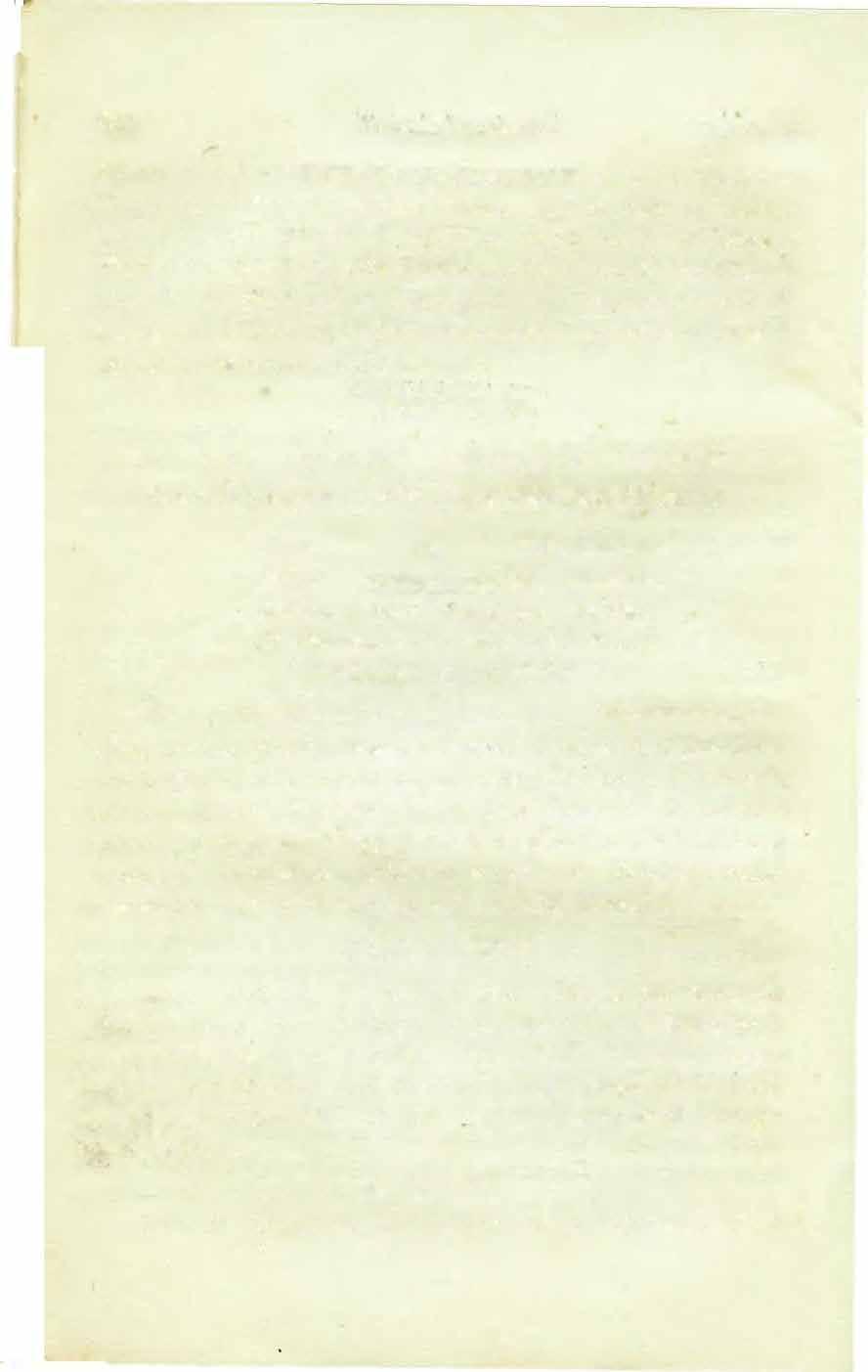
qci �00 ' f���� S1'tfi�il'lf�ff �fi: . fg(((T '� ��qT�Ti{ ifiwt") ft:�1l�'l
Evam raja Vidurenanujena
Prajna chakshur bodhita ajamidhah
Chhitwa swesu snehapasan dadhimna
Nischakrama bhatri samdarshita adhwa.
ENGLISH SYNONYMS
Evam-thus, Raja-the king Dhritarastra, Vidurenujena-by his Young brother Vidura, Prajna, introspective knowledge,Chakshureyes, Bodhita-being understood, Ajamidha-Dhritarastra scionofthe familyof Ajmidha, Chhitwah-by breaking, Swesv-in the matter of kinsmen, Snehapasan-strong network of affection, Dradhimna-on account of steadfastness, Nischakrama-got out, Bhratri-brother, Samdarshita- direction to, Adhva-the path of liberation.
TRANSLATION
Thus Maharaj Dhritarastra, the scion of the family of Ajmidha, being firmly convinced by introspectiveknowledge, broke up at once the strong network offamily affection on account of resolute determination and therefore at once he got out ofhome for going over the path of liberation as directed by his younger brother Vidura.
PURPORT
Lord Sri Chaitanya Maha.prabhu the greatpreacher ofthe
792
SRIMADBHAGWATAM [Ch 13.
tt
���"�f�l�((T
principles ofSrimad Ehagwatam has stressed on the association of Sadhus or pure devotee ofthe Lord. He said' even by a moment's association ofa pure devote one canachieve all perfection'. We are not ashamed to admit this fact asexperienced inour practical life• •Were we not favoured by His Divine Grace SrimadBhakti SidhantaSaraswatiGoswan1iMaharaj, byourfirst meetingfor a few minutes only, it would have been impossible for us to accept this mighty task of describing, Srimad Bhagwatam' in English. Without seeing Him in that opportune moment, we could have become verygreat business magnetbut never wouldhave beenable to walk over the path of liberation and be engaged in the factual service of the Lord underinstruction ofHis Divine Grace. And here is another practical example by the action ofVidura's association with Dhritarastra. Maharaj Dhritarastra was tightlypacked up in a network of material affinities in the matter ofpolitics�· economy and family attachment and he did everything in his power to achieve so called success in his planned projectbuthe was frustratedfrom thebeginning to the end, sofarhis materialactivities are concerned. And yet inspite ofhis chequered life offailure he achieved the greates-t ofall success in the mater ofself-realisation by the forceful instruction ofa pure devotee ofthe Lord who is the typical emblem ofSadhu. The scriptures enjoin, therefore, that one should associate withSadhus only rejecting all kinds of other associations and by doing soone will haveample opportunity to hear the Sadhus who can cut into pieces the network of illusory affection in the material world. It is a fact that the material world is a great illusion becauseeverything appears to be a tangible reality but the next moment everything becomes evaported like the dashing foam ofthe sea or the cloud in the sky. The cloud in the sky undoutedly appears to be reality because it rains and due to rains so many temporary green things appear but at the ultimate issue every thing disappears namely the cloud, rain and green vegetation all in due course. But the sky remains and the varieties of sky or luminaries also remain for ever:

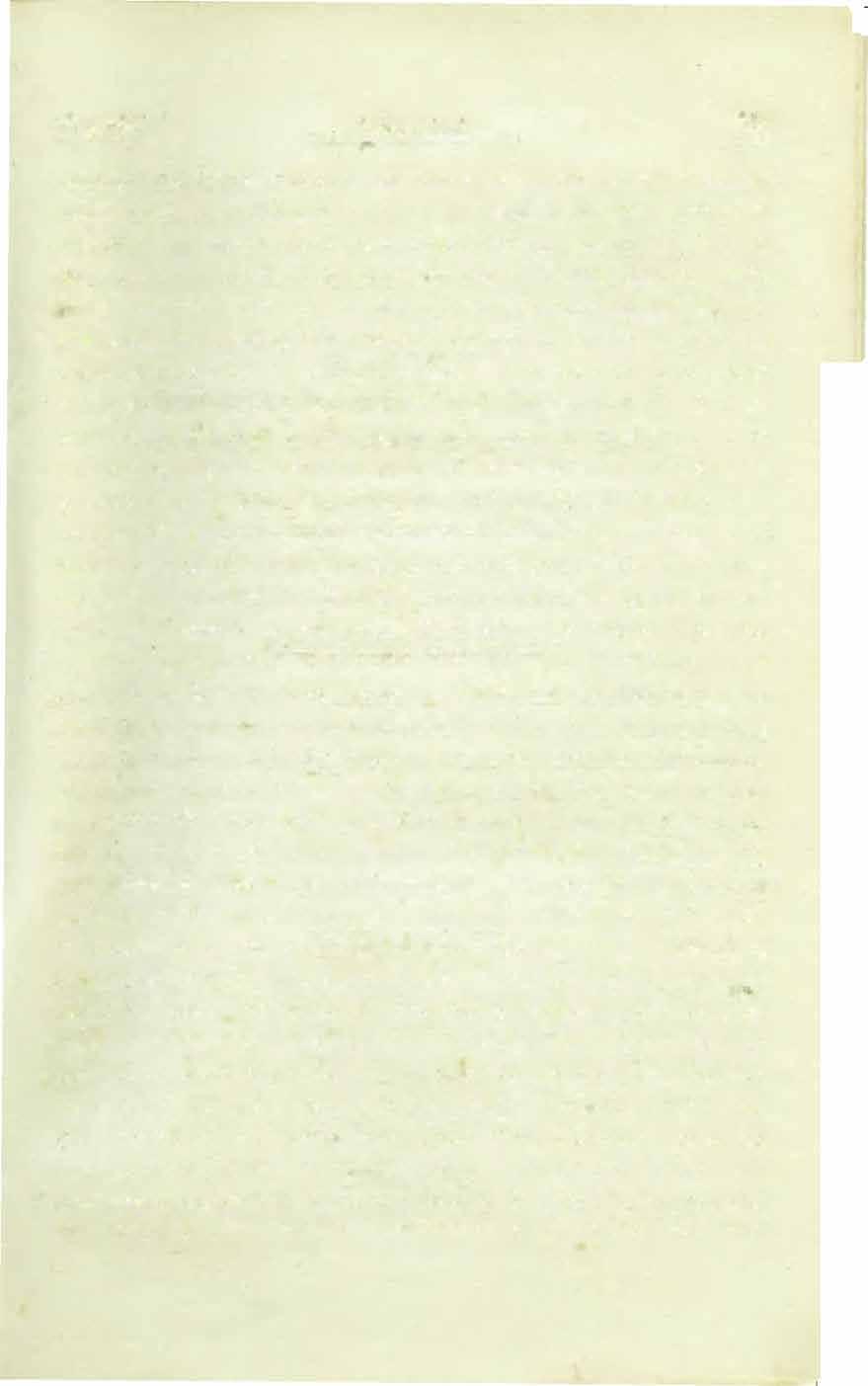
text 29] FIRSt CANTO 793
Simialrythe AbsoluteTruth which iscomparedwith thesky remairu eternally and the t�mporary cloud like il1usion comes and goes away. Foolish livings being are more attracted by the temporary cloud but the intelligent class ofmen are more concerned with the eternal sky with all its variegatedness.
TEXTNo.30








qfa
Patim prayantam subalasya putri
Pativrata cha anujagama sadhvi.
Himalayam nastyadanda praharsam Manaswinam iva satsampraharah.
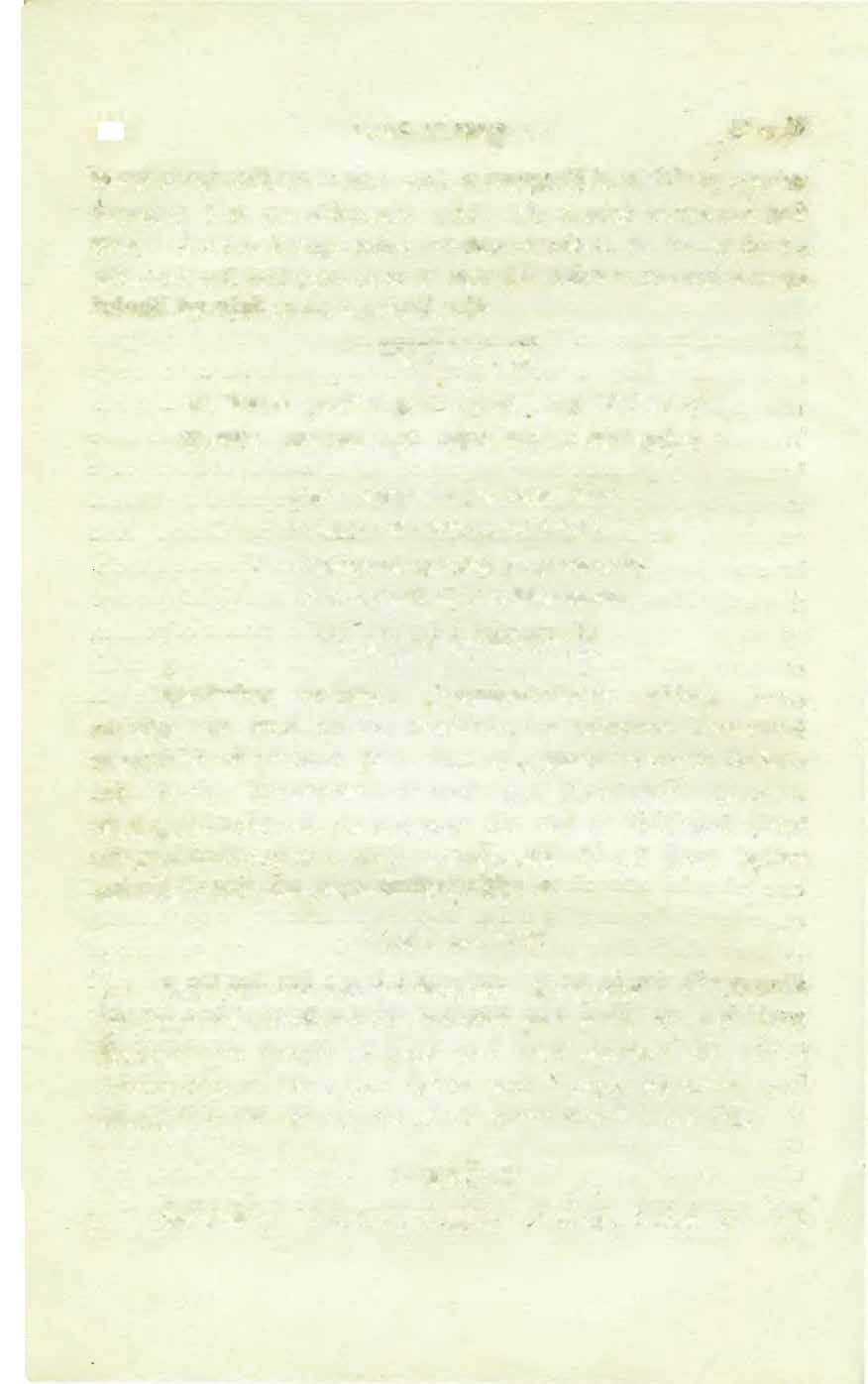
ENGLISH SYNONYMS
Patim-her husband, Prayantam-while leaving home, Suvalasya-of king Suvala, Putri-worthy daughter, Pativratadevoted to her husband, Cha- also, Anujagama-followed, Sadhvithe chaste, Himalayam-towards the Himalayan mountain, Nastadanda-one who has accepted the rod of renounced order, Praharsam-object of delight, Manaswinam-of the great fighters, Sat-legitimate. Sampraharah-good lashing.
TRANSLATION
Gandhari, who was the daughter King Subala ofKandah3:r (or Gandhar) seeing that her husband was going to Himalayanmountains the delight of those who have accepted the rod of renounced order Jike a great fighter who accepts legitimate good lashing from the enemy, the gentle chaste lady followed him.
PURPORT
Soubaline or Gandhari daughter of King Subala and wife
•
BHAO\YAT.!M ra:h. fa
SRIMD
Sflf� �if��lf�� qfmroT ;:n�'ITliUT�CIT t f��n�r.i ;:q�e�q:vgsr�q 'l'ttft:cr;nf'I'Cf "tU�Sf(T�: tt
'
Qf King Dhritarastra was an ideal lady as a devoted wife to her husband. The Vedic civilization specially prepares chaste and devoted wives of whom Gandhari is one amongst many such ladies· mentioned in the history. Laxmiji Sitadevi was also a daughter ofgreat King but she followed her husband Lord Ramachandra in the forest. Similarly as a woman she could remain at home or at her father's house but as a chaste and gentle lady she followed her husband without ony consideration. Instruction of renounced order of life was imparted to Dhdtarastra by Vidura and Gandhari was by the side ofher husband. But she did not make any decision herself but followed the decison ofher husband. Her husband also did not ask her to follow him because King Dhritarastra was at that time fuUy determined like a great warrior who faces all kinds of dangers in the battle· field. He had no more any attraction for so called wife or relatives and he decided to start alone but as a chaste lady Gandhari decided to follow her husband till the last moment. Maharaj Dhritarastra accepted the order of vanaprastha life and at this stage the wife is allowed to remain as Voluntary servitor: but in the Sanyas stage no wife can stay with her former husband. A Sannyasi is considered to be civil-dead man and therefore the wife becomes a civiJ.widow without any connection with her former husband. Maharaj Dhritarastra did not deny his faithful wife and she followed her husband at her own risk.
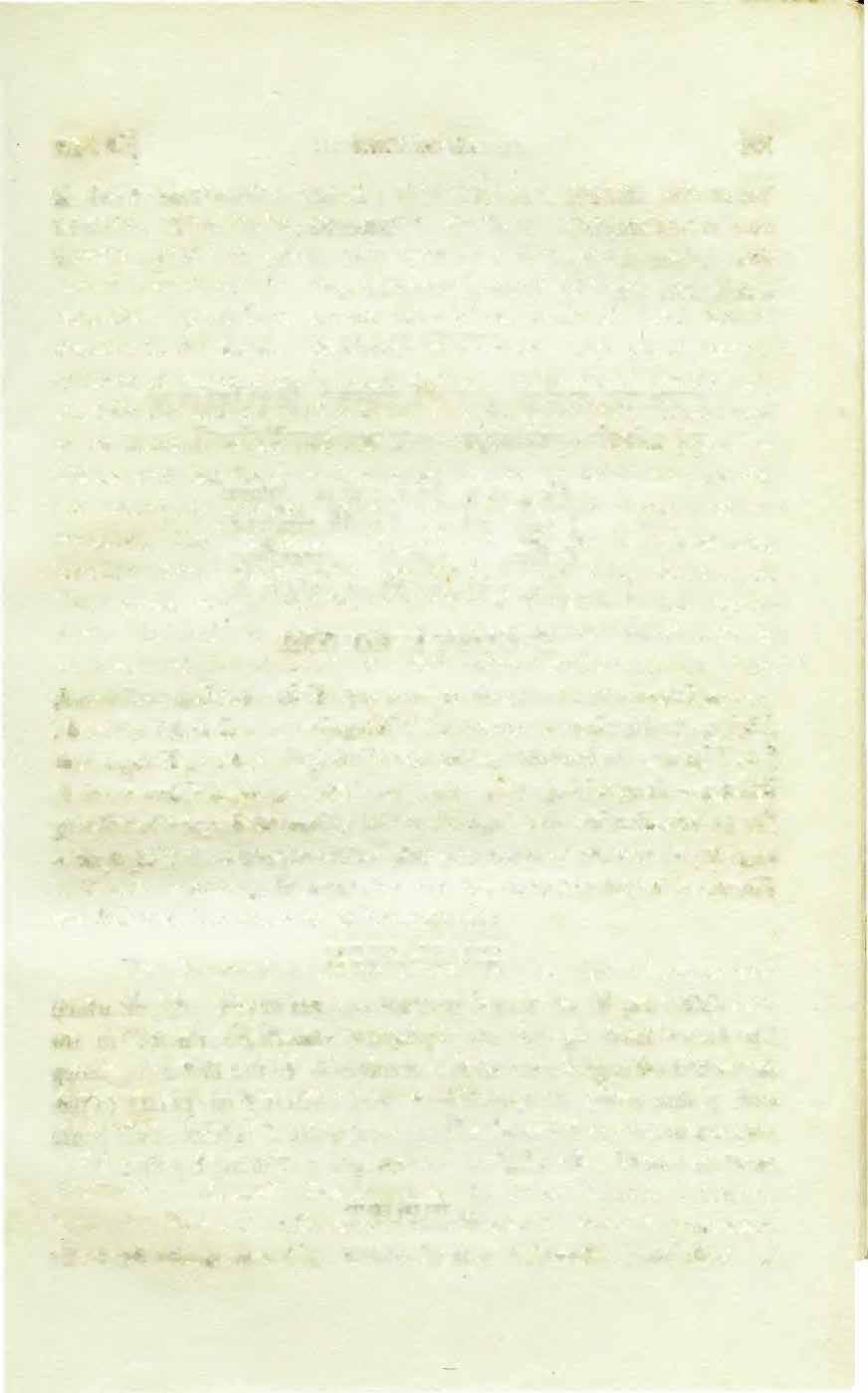
The Sannyasins accept a rod as the sign of renounced �rder of life. There are two types ofSannysins. Those wh_o follow �he Mayavad Philosophy headed by Sripad Shankaracharya ;:Lccept only one rod (Ekadanda) but those who follow the Vaishna.. :vite Phillosophy accept three combined rods (Tridanda). The }fayavadi Sanyasins are known as Ekadandi Swami whereas the Vaishanava Sannyasins are known as Triandi Swami or more distinctly Tridandi Goswamins in order to keep distinction from the Malavad philosoply. -The Ekadandi Swamis are mostly ·fond of Himalayas but the Vaisnava Sainyasina are fond or




Text 30] PI�'J' CANTO 795
796
SRIMADBHAGWATAM [Ch. lS
Vrindaban and Puri. The Vaishnava Sannyasins are Narottamas whereas theMayavadiSnanysinsareDheeras. MaharajDhritarastra was advised to follow the Dheeras because at that stage it was difficult for him to become a Narottama.
TEXT No. 31
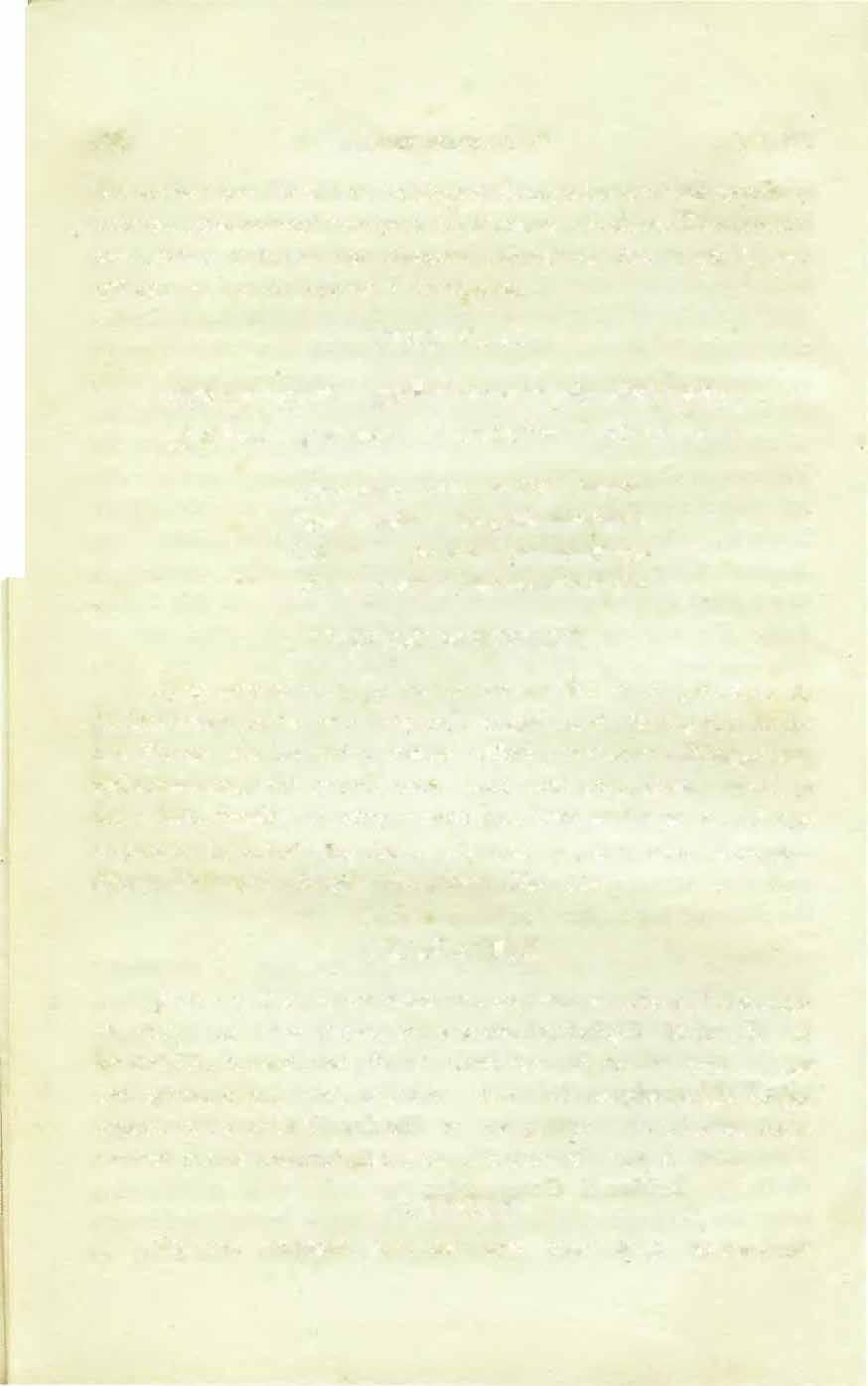
�GI'ltt��: Cf!aq�) galF�fqsn;�tcn ftt�tt)'-fq��q: a �� ��z) 2:�cr;q:�Tlf ;:r lili'T�lfftqa�1 «)at�1 �'1
Ajata satru krita maitra hutagni
Vipran natwa tilagobhumirukmaih.
Griham pravisto guruvandanaya
Na cha apasyatpitarousoubalin cha.
ENGLISH SYNONYMS
Ajata-never born, Satru-enemy, Krita-having performed, Maitra·worshipping the demigods, Hutagni-and offering fuel in the fire, Vipran-the brahmins, .Natwa-offeringobeisances, Tillagobhum· irukma.-along with grains, cows, land and gold, Griham-with in the palace, Pravista-havingentered into, Guru vandanaya·-foroffering respect to the elderly members, .Na-did not, cha-also, ApasyatPitarou-his uncle, Soublin-Gandhari, Cha-also.
TRASLATION
Maharaj Yudhtshira whose enemy was neverborn, performed his dally morning duties by prayers, offering sarificice in tho fire and the Sungod and offered obeisances to the Brahmins along with grains, cows, land, gold and then enetered the palace to pay respects tothe elderly members in the palace. He however could not find out hisunele and aunt the daughter of King Subala.
PURPORT
Maharaj Ydhisthir was the most pious king because he
.
practised personally daily the pious duty for the householders. The householders are required to rise early in the morning and after cleanliness, should offer respects to the deities at home by prayers, by offering fuel in the sacred fire, by giving in charity the Brahmins land, cow, grains and gold etc and at last offering to the elderly members due respects and obeisances. Unless one is prepared to practise things which are prescribed in the Shastras no body can be goodman simply by book knowledge. Modern householders are practised to different modes oflife namely to rise late and then take bed-tea without anysort ofcleanliness and without any purificatory practices as mentioned above. The house· holdchldren are taken to practice the samething in which the parents are already practised and therefore the whole generation is gliding towards hell and no good things can be expected from them unless they associate with Sadhus. Like Dhritarastra the materialistic person, onemay take lessonsfrom a Sadhu like Vidura and thus be cleansed of the effects ofmodern life.
Maharaj Yudhisthir, however, could not find in the palace the two uncles namely Dhritarastra and Vidura along with Gandhari the daughter ofking Subala. He wasanxious to see them and, therefore, asked Sanjaya the private secretary ofDhritarastra as follows :-
TEXT
No.32

a� ��lf'ITai;:f q5f=;;�)fitttqT;:ra: a q"TEJ(;rrvrctcr ;:r�ma) ,�) �);:r��i\'�ll'): ••

Tatra sanjayam asinampaprachhat udvignamanasah
Gabalgane kva nas tato briddho hinascha netrayoh.
ENGLISH SYNONYMS
Tatra-there, Sanjayam-unto Sanjaya, Asinam-seated, Paprachhat-enquired from, Udvignamanasa-full with anxious mind, Gabalgane-the SQn ofGabalgan SanJaya, Kv(l-whereis� Nas-ourf
FIRST CANTO 797
Text 32]
Tala-uncle, Bridd!zo-o]d in age, Hinascha-as a]so bereft of Netrayoh-bythe eyes.
TRANSLATION
Maharaj Yudhisthira full with anxious mind asked Sanjaya who was sitting on the spot and said ''0h Sanjaya where is our uncle who is advanced in age and blind by the eyes ?"
TEXT No33

�fq 'ft��asrw �a-er;:!: � 11llill'T t

�m�'fr;r: �'q 'ftitqi
Amba cha hataputra artapitribyah kva gatah suhrit
Api mayi akritajne hatabandhuh sa hharyaya
Asamsamanahshamalamgangayamdukshito'apatat
ENGLISHSYNONYMS
Amba-mother aunt, Cha-and,Hataputra--whohad lost all her sons, Arta--sorryinplight,Pitribyah-uncle Vidura,Kva-·where, Gatahgone, Suhrit-well wisher, Api-whether. Mayi-untome, Akritajnet.mgratefu], Hatahandhuh-one who has lost all his sons, Sa-along with, Bharyqya--hiswife, Asmasamanah·-in doubtful mind, Shamalam·offences, Gangayam--in the Ganges water, Dukshito--in distressd mind, apatat-fell down,
TRASLATION
Where is my well wisher uncle Vidura and mother Gandhari who istoo much afflicted on account ofher all sons' demise ? My uncle Dhritarastra was also too much mortified on account ofdeath of all his sonsand grand sons. Undoubtedly I am very much ungrateful : did he therefore, took my offences very seriously and tbuc; alon� withhis wife has drowned themselves in the water ofthe Gnages ?
798 SRIMA.D BHA.GWA.TA.M [Ch. 13
��•' � �a��ssai fcrC{af: ttGJ tta: !I�t
!:f"a)m� ,,
The Pnadavas specially Maharaj Yudhisthira and Arjuna presupposed the after effects of the battle of Kurukshetra and therefore Arjuna declined to execute the fighting. The fight was executed by the will ofthe Lord but the effects of a family berievement as they thought ofit before had come to be true. Maharaj Yudhisthir was always consdous of the great plight of his unc!e Dhritarastra and aunt Gandhari and therefore he took all posJible care ofthem in their oldage and berieved condition. When therefore he conld not find out his uncie and aunt in the palace naturally his doubts became more prominent and conjectured if they had not gone down the water of the Ganges. He thought himself ungrateful because when the Pandavas were fatherless, Maharaj Dhritara�tra gave them all royal facilities to live and in return he had killed all his sons in the battleofKurukshetra. As a pious man Maharaj Yudhisthir took into account all his unavoidable misde-eds and he never thought of the misdeeds ofhis un.cle and comp1ny. Dhrltarastra had suffered the effects of his own misdeeds by �he will of the Lord but Maharaj Yudhisthir was only thinking ofhis own unavoidable misdeeds. That is the nature ofa gDod man and devotee ofthe Lord. A devotee never finds fault with others but tries to find out his own and thus rectify them as far as possible.
TEXTNo.34
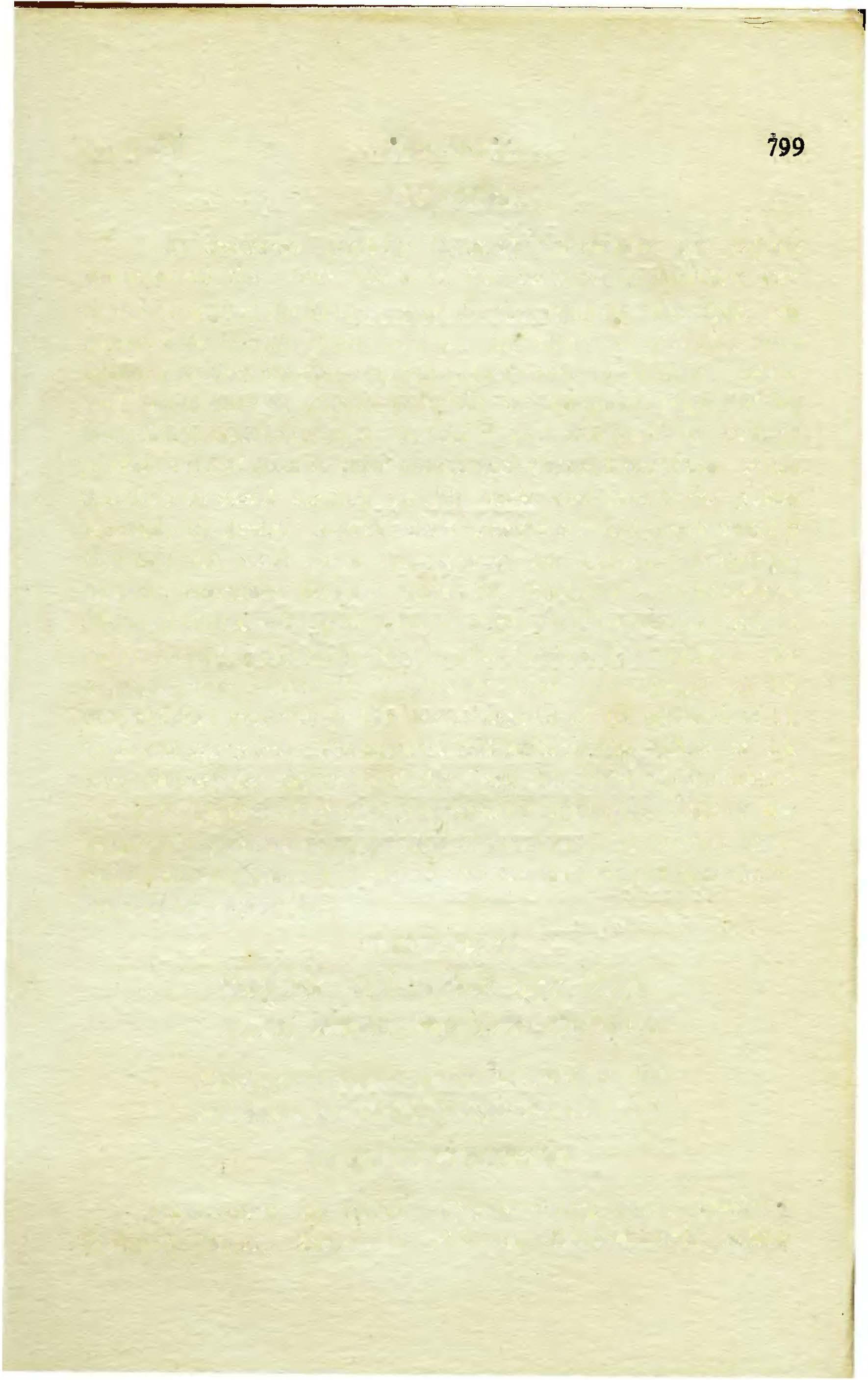
fqa�"� qtq'l �;:r: ��.:: f�tt•
�"(�ot itt�;:ra: fq�!lt'l 'ICf mnfC�tr: ••
Pitariuparatepandou sarvan nah suhridah sisun
Arakshatambyaranatah pitribyou kva gatou itah.
ENGLISH SYNONYMS
Pitari-upon my father, Uparate-fallng down, PandouMaharaj Pandu, Sarvan-all, Nah-us, Suhridah-well wisher,
Texts 34] FIRSTCANtO 799 PURPORT
1
Sisun-small ehildren, Arakshatam-protected, Byasanatah from all !tinds of dangers, Pitribyou-uncles, Kva-where, Gatou-have departed, Itah-from this place.
TRANSLATION
When my father Pandu fell down and we were all small children only at that time our these two uncles gavs us protection from all kinds of calamities. They were always our good well wishers, alas where they have gone out from this place ?
No. 35
Suta uvacha :
Kripaya snehabaiklabyat suto virahakarshitah Atmeswaram achakshano napratyahat atipidia�.
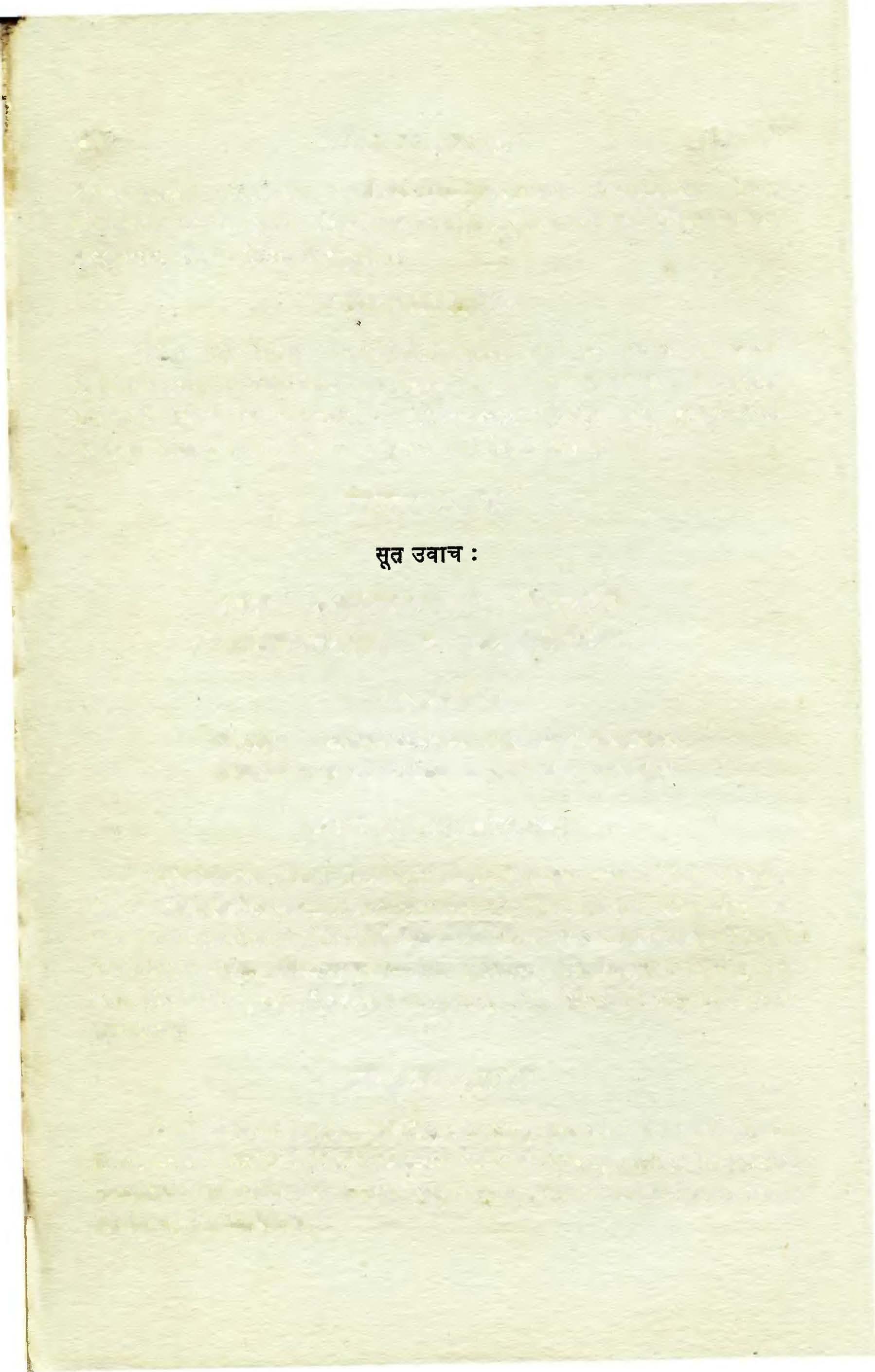
ENGLISH SYNONYMS
Suta uvacha-Suta Goswami said,Kripaya-out offull compassion, Snehabaiklabyat-Derangement of the mental situation on accountofprofoundaffection,Suto-Sanjaya, Virahakarshitah--distressed ofseparation, Atmeswaram-his master, Achakshano-having not seen, Na-did not, Pratyahat-replied, Atipiditah-being too much aggrieved.
TRANSLATION
Suta Goswamisaid. 'Sanjaya having not seen his own Master Dhritarastra outoffull compassion for and derangmentofhis mental situation and being too much aggrieved, could not properly reply Maharaj Yudhisthira.'
. ! l ' 80(} SRIMAD BHAGW.A.TAM [Gh. 13
TEXT
��= "!qlfl
��&cl'ft=�Gtrn�a)
f��qlfwa: • a��q:q�"' ;:r smn�tftfqif�a: •1
Sanjaya was Personal assistant of Maharaj Yudisthira since a very long time and as such he had the opportunity to study the chequered history oflife of Dhritarastra. And when he saw at last that Dhritarastra had left home without his knowledge even his sorrows hadno bound. He wasfullycompassionatewithDhritarastra because in the game of the battle ofKuruksetra KingDhritarastra had lost everything men and money and at last the King and the queen had to go away from home in utter frustration. He studied thesituation in his own way because he did not know that inner vision ofDhritarastra was awakenedby Vidura and, therefore, he had left home in enthusiatic cheerfulnessfor a better life after departure from the dark well of home. Unless one is convinced ol a better life after renuciation ofthe present life no body can stick to the renounced order of life simply by artificial dress or staying out ofhome.
.TEXT No. 36

Vimrijya ashrvni panibhyam vistabhya atmanam atmana
Ajatsatrum pratyuche prabhoh padou anusmaran.
ENGLISH SYNONYMS
Vimrljya-smearing on, Ashruni--tears ofthe eyes, Panibhyamby his hands, Vistabhya-sit\}ated,Atmana-by intelligence, Atmanam -the mind, Ajatasatrum-unto 11aharaj Yudhisthir, Pratyuchebegan to reply, Prabho-of his master, Padou-feet, Anusmaran' thinking after.
TRANSLATION
Then he slowly pacified his mind by intelligence, smeared over tears ofthe eyes by his hands and after thinking of the feet ofhis Master Dhritarastra began tl reply to Maharaj Yudhisthira.
Text 36] FffiST CANTO 801
PURPORT
f�;lll�f'r q"Tf'r�qf f�+��:n;::r'nc�RT t .. � !Ri5WTa'��· ��� Sf11): q1�1��� U
1 1
TEXT No. 37 -«��Cffq: �t� itt (itfCfnn:f f�)ci: �;q;:r • qli'C:lttti -en t=r�TifT�)�f'fa)sf�qo t=r�T�lff�: ll
Sanjaya uvacha ; Na aham veda byavasitam pitror bah kulananclana Garzdharya va mahabako mushito asmimahatmabhih.
ENGLISHSYNONYMS
Na-not, Aham-myself, Veda -in knowledge, Byavasitamdetermination, Pitror-of your uneles, Bah-your, Kulanandana-oh the descendant of the Kuru dynasty, Gandharya-by Gandhari, Vaor,Mahabaho-Oh the great king, Mushito-cheated, Asmi-I have been, Makatmabhi-great souls.
TRANSLATION
Sanjaya said, 'My dear descendant ofthe Kuru dynasty, I have no information about the determination ofyour two uncles as wellas of Gandhari, Oh the great King, I have beencheated by those great souls'
PURPORT
Great souls cheat others may be astonishing to know but it is a fact that great souls cheat others for a great cause. It is said Lord Krishna also advised Yudhisthira to tell lie before Dronac� harya <;tnd it was also for a great cause. The Lord wantad it, therefore it was a great cause. Satisfaction ofthe Lord isthe criterion ofthe bonafi.des and the highest perfection of life is to satisfy the Lord by one's occupational duty. That is the verdict of Geeta and Bhagwatam.* Dhritarastra and Vidtura followed by
* Yatah pravirtti bhutanam yeua servam idam tatam
Swakarmaua tamabhyarchya siddhim vindati manavah. (B.G. 18/45)
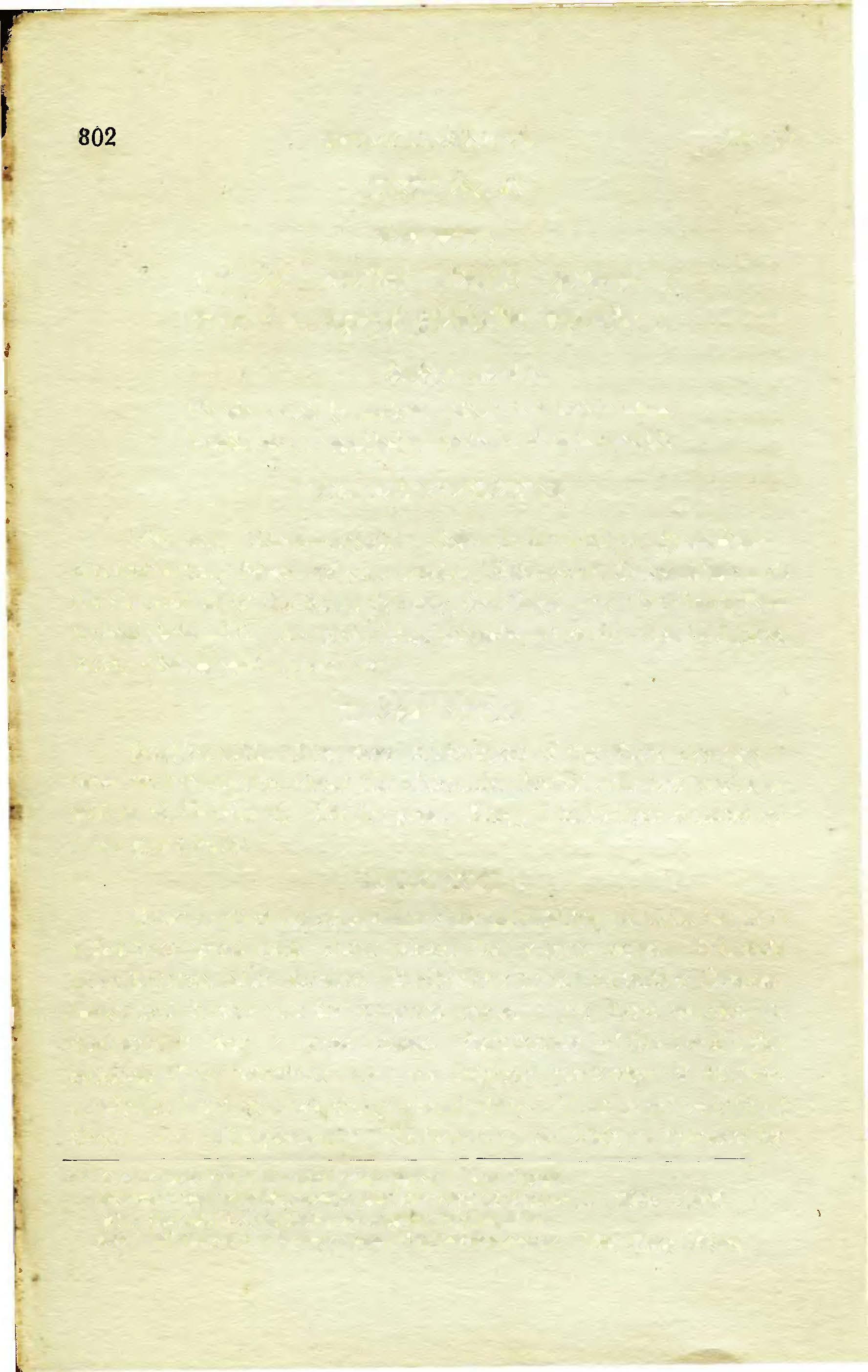
Atah pumbhi dwijasrestha varnasram bibhagashah
Swanusthitasya dharm<tsyasamsiddhi haritoshanam (Sm, Bhag l/2/13)
-802 SRil\UD BHAGWATAM
Ch.13
Gandhari did not disclose their determination to Sanjaya although he was constantly with Dhritarasta as his personal assistant. Sanjaya never thought ofit that Dhritarastra could petform any act without consulting him. But the subject matter of Dhritarastra's going away from home was so confidential that it could not even be disclosed to Sanjaya. Sanatan Goswami also cheated the keeper of the prison-house while going away for seeing Sri Chaitanya Mahaprabhu and similarlyRaghuuath Das Goswami also cheatedhispriest and went away from home for good for the cause of satisfying the Lord. For satisfying the Lord anything is good in relation with Absolute Truth. We also had the same opportunity forcheating the the familymembers and ccme out ofhome fLr being engaged in the service of Srimad Bhagwatam. Such cheating to the family members was necessary for a great cause and there is no loss for any _ party implicated in such transandental fraud.
TEXT No. 38
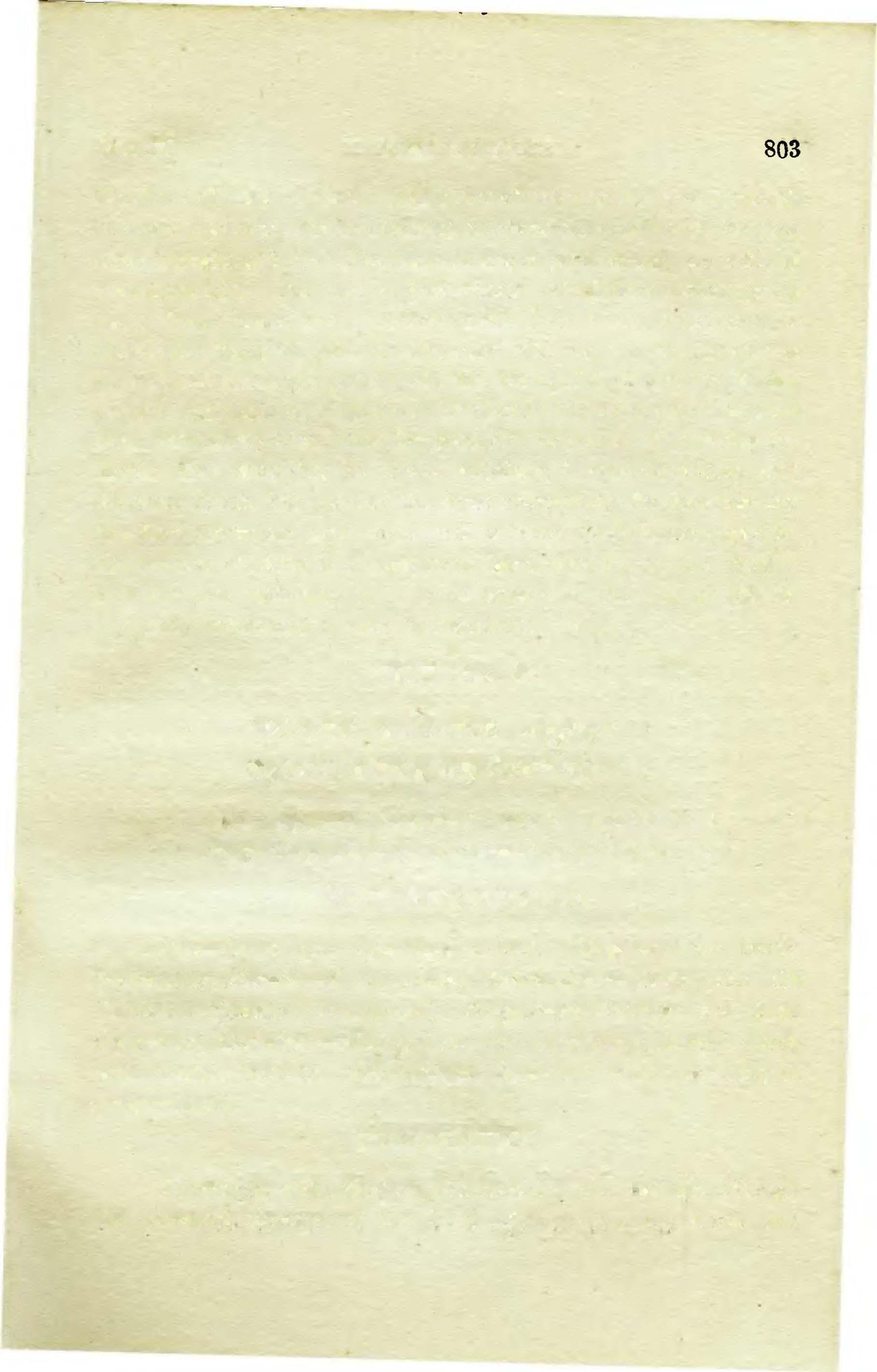
�q'�'"q �'TC!fl;ifl'�q: ���;!�:
Atha ajagama bhagawan narada sahatumburuh
Pratyvtthaya abhivadya aha sanujo' abhyarchayan iba
ENGLISHSYNONYMS
Atka-thereafter, Ajagama-arrived, Bhagawan-the Godly Personality, Narada-of the name, Sahatumburu-a1ong with His Tumburu (musical instrument), Pratyutthaya-having got from their seats, Abhivabya-offering their due obeisances, Sanujo-along with younger brothers, Abhyarchayan iba-thus while receiving in proper mood.
TRANSLATION
Thereafter, while Sanjay 1 was speaking like that Sri Narada the powerful devotee of the Lord appeared on the scene and
Text 38] FIRSTCANTO 803
��2�)s�l4�lff;ifC!f ''
' st��Tlnf1t;J1!f1�
Maharaj Yudhisthir and brothers while receiving Him properly by getting up from their seats and offering obeisances along with his younger brothers, said as follows.
PURPORT
Devarshi Narada is described hereinas the Bhagawan on account ofHis becoming the most confidetial devotee ofthe Lord. The Lord and His veryconfidential devotee3 are treated on the same level by those who are actuaJly engaged in the loving service of the Lord. Such confidential devotees ofthe Lord are very much dear to the Lord because such devotees traveleverywhere to preach the glories ofthe Lord in different capacitiesand try utmost to convert the non-devoteesofthe Lord into devotee inorder to bring them on the platform of sanity. Actually no Jiving being can be a nondevotee ofthe Lord on account of his constitutional position but when one becom;}s a non-devotee or non believer it is to be understood that theperson concernedis not in the sound condition oflife. The cofidential devotees ofthe Lord treat such illusioned livingbeings and therefore they are most pleasing in the eyes ofthe Lord. The Lord says in the Bhagwat Geeta that no body is dearer to Him except one who actua1ly preachess the glories of the Lord to convert the non-believer and non-devotees. Such personalities like Narada must be offered all due respects like that ofthe personlity of Godhead Himself and Maharaj Yudhisthir along with his noble brothers were competent examples for others in the matter ofreceiving a pure devoLee ofthe Lord like Narada who had no other business save and except singing the glories ofthe Lord along with Tumburu a musical instrument ofstring, TEXT No.

804 SRIMAD BHAGWATAM [Ch. 13
�f1:f���: "� � ttfa f�)lftter'! 'ffll' ttmfqa: ' �q(T "" �Tssaf 'ffll' 11m � cr'{fi:fJI'o:rt 't
39
FIRST CANTO
rudhisthira uvacha : Na aham vedagatimpitrorbhagavan kvagatah itah
Amba ba hataputra arta kva gata cha tapaswini.
ENGLISH SYNONYMS
805

Tudhisthira uvacha-Maharaj Yudhisthira said, Na-do not, Aham-myself, Veda-know it, Gatim-departure, Pitror-of the uncles, Bhagawan-Oh godly personality, .Kva-where, Gatahgone, ltah-from this place, Amba-mother aunt, Ba-either, Hataputra-Iost ofher _ sons, Aria-aggrieved, Kva-where, Gatagone, Cha-also, Tapaswini.......ascetic.

TRANSLATION
Maharaj Yudhisthir said, 'Oh godly personality, I donot know where have my two uncles gone away ; not only they but also my ascetic aunt who has lost all her sons and therefore much aggrieved, is also not traceable'

PURPORT
Maharaj Yudhisthir as a good soul and devotee ofthe Lord was always conscious of the great loss of her aunt and her sufferings like an asectic. An ascetic is never disturbed by all kinds of sufferings and that makes him strong and determined on the path of spiritual progress. Queen Gandhari is a typical example ofan ascetic by her marvelous character in many tryingsituations of her life. She was ideal woman as mother, wife and ascetic and in the history ofthe worldsuch typical character ofwoman israrely found.
.
TEXT No.
Karnadhara ibapare bhagawanparadarsakah
4tha avabh�sav bha�awan narada munisattqmqh.
Text 39, 40]
40 �n: �"'=t ""� qy���: ' �"'""''" �;:;:n�q:)· �f.:r'f�: 1•
Text 41]

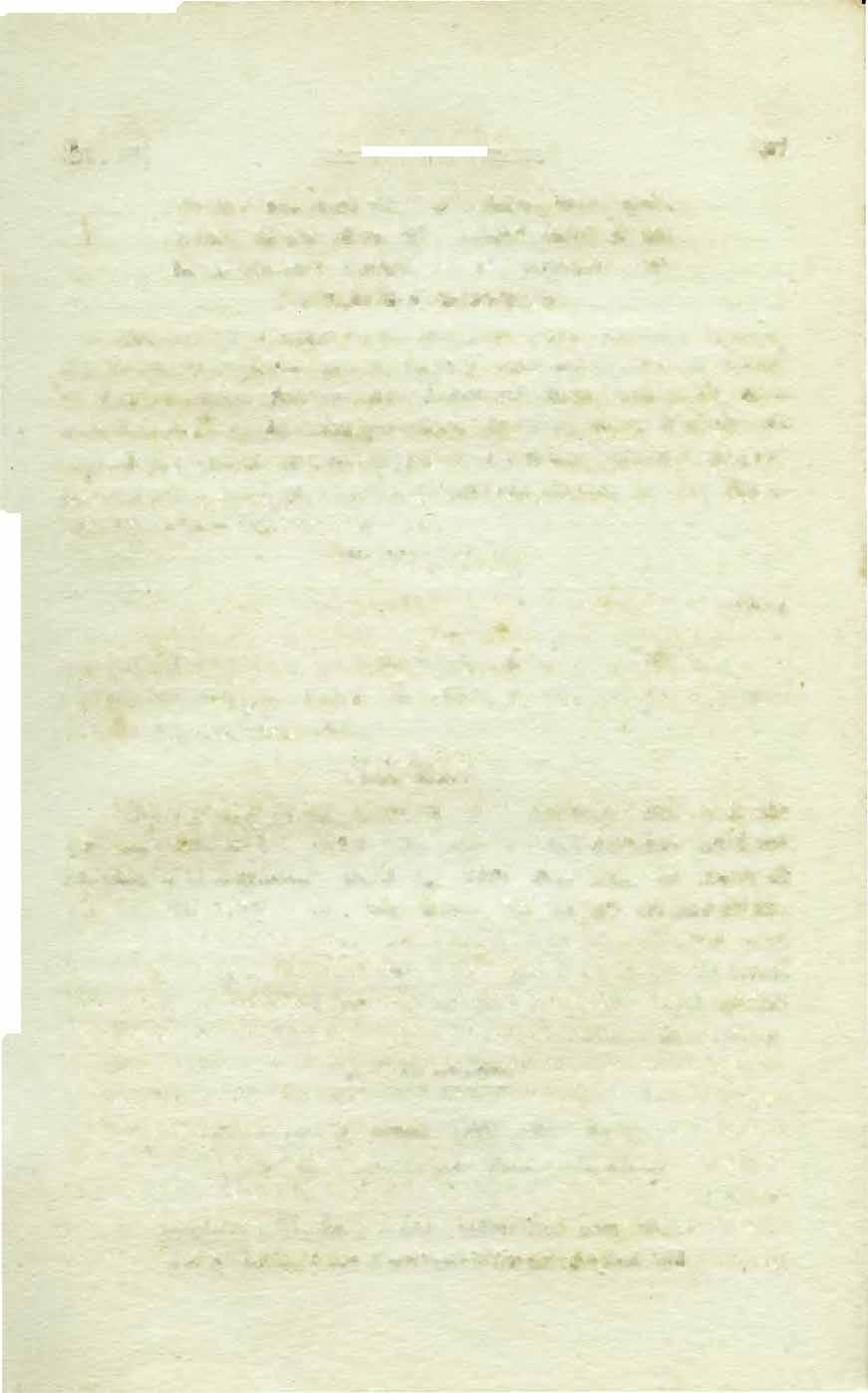
Ma kanchana sucho rajanyadiswarabasham jagatLokah sapala yasya ime bahanti balim isituh.
Sa samyunakti bhutani sa eva viyunakti cha.
ENGLISH SYNONYMS
Ma-never, Kanchana-by all meam, Sucho-do you lament, Rajan-oh King, Tad-became, Iswarabasham-under the ccntrol of the Supreme L')rd, Jag«t-world, Lokah-all living beings, Sapalaincluding their leaders: rasya-whose, /me-all these, Bahanti-do bear, Balim-means of worship, lsituh-for being protected, Sa-he, Samyunakti-gets together, Bhutani-all living being, Sa -he, Evaalso, Vryunakti-disperses, Cha-and.
TRANSLATION
Oh the pious king do not lament for any one because every one is under the control of the Supreme Lord. As such all living beings including their respective leaders do carry on die ·means of worship for being-protected. It is He only who gets them together and He disperses them also.
PURPORT
Every living being either in this material world or in the spiritual world all are under the control ofthe Supreme Lord the Personality ofGodhead. Begining from Brahmaji the leader of thi� universe down to the insignificant ant all are abiding by the order of the Supreme Lord. As such the constitutional position of the liv.ing being is subordination under the control of the Lord. The foolish living beingspecially the man artificially rebels against the law of the supreme and thm becomes chastised as an Asura or the law breaker. A living being is placed in a particular position by the order ofthe Supre�e Lord and he is again shifted from that place bythe order of the Supreme Lord. No body can violate the order ofthe Supreme Lord or His authorised agents. Brahma, Shiva, Indra, Chandra, Maharaj Yudhisthir or in the modern history the Napolean, the Akbar, the AI. ·xander, Gandhi, Subhas or Nehruall (\fe servants ofthe Lord and they are placed and removed
807
from their respective position by the Supreme will ofthe Lord. None ofthem is independent. Even though such men or leaders rebel so as not to recognise the Supremacy ofthe Lord, they are put under still more rigorous laws of the material world by different miseries and only the foolish man, therefore, says that there is no God. Maharaj Yudhisthir �as t_ried to be convinced about t�is naked truth because he was too much over-whelmed by thesudden departure ofhisoldunclesand aunt. Maharaj Dhritarastra was placed in that position according to his past deeds,he had already suffered or enjoyed the benefits accrued by him in the past but due to his good luck some how or other he got a good younger brother in the person of Vidura and by his instruction he had left /for achieving salvation by closi11g all accounts of the materal world.
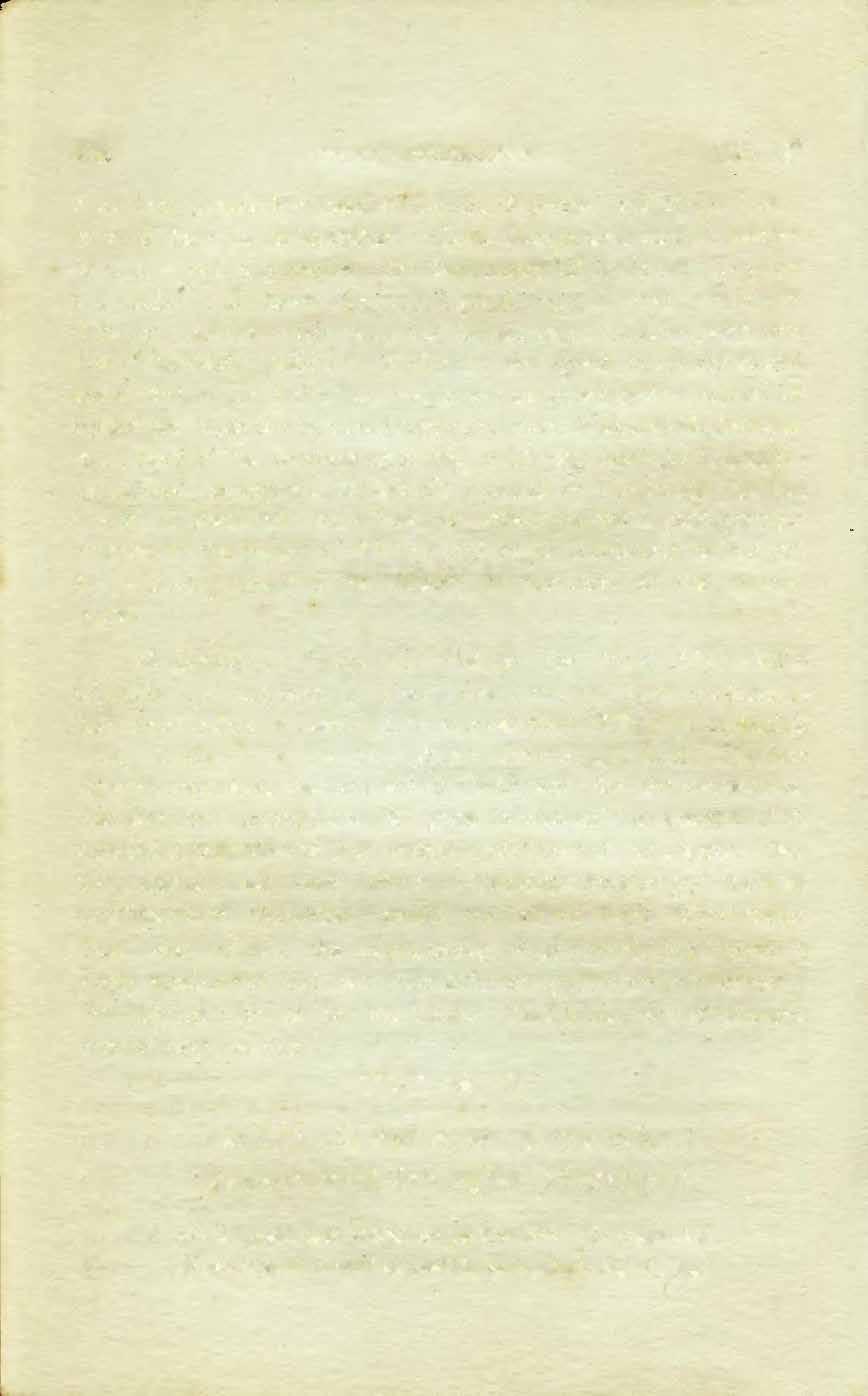
Ordinarily no body can change the course of one'sdue happiness and distresses by plan. Every one has to accept them as they come before us under subtle arrangement ofKala or invincible time. There is no use for trying to counter act them. Thebest thing is, therefore, that one should endeavour for achieving salvation and this prerogative is given to man only on account ofhis developed condition of the mental activities and intelligence also. Only forthe man only different Vedic instructions are there for attainment of 'Salvation' during the human form of existence. One who misuses this opportunity of advanced intelligence is verily condemned and put into different types ofmiseries either in this present life or in the future. That is the way ofSupreme control over everyone.
rathagava
Vaktantayam

808· SBIMADBliAGW.ATAM [Cb. 13
/
42
�f� SI'Tctt �a-t:�qt ati'f��qrqf�: '
;:n�fil�:ITCl�fi:t=rilf�q)f�g: 1a
TEXT No.
trqT�TTCIT
CI'TCftft:�trt
nasiprotas tanryambaddhas chadamabhih
namabhir baddha bahanti balim isutuh.
ENGLISH SYNONYMS
Karnadhara-captain of the ship, Iha-Iike, Apare-in Ithe extensive ocean, Bhagawan-repre�>entadve ofthe Lrrd, Paradarsaka -one who can give direetiori to the other end, Atha...:...thus, Avabhase-began to say, Bhagwan-the godly personality, Naradathe great sage ofthe Name, Mu1:2isattama-the greatest amongsttbe devotee philosophers.
TRANSLATION

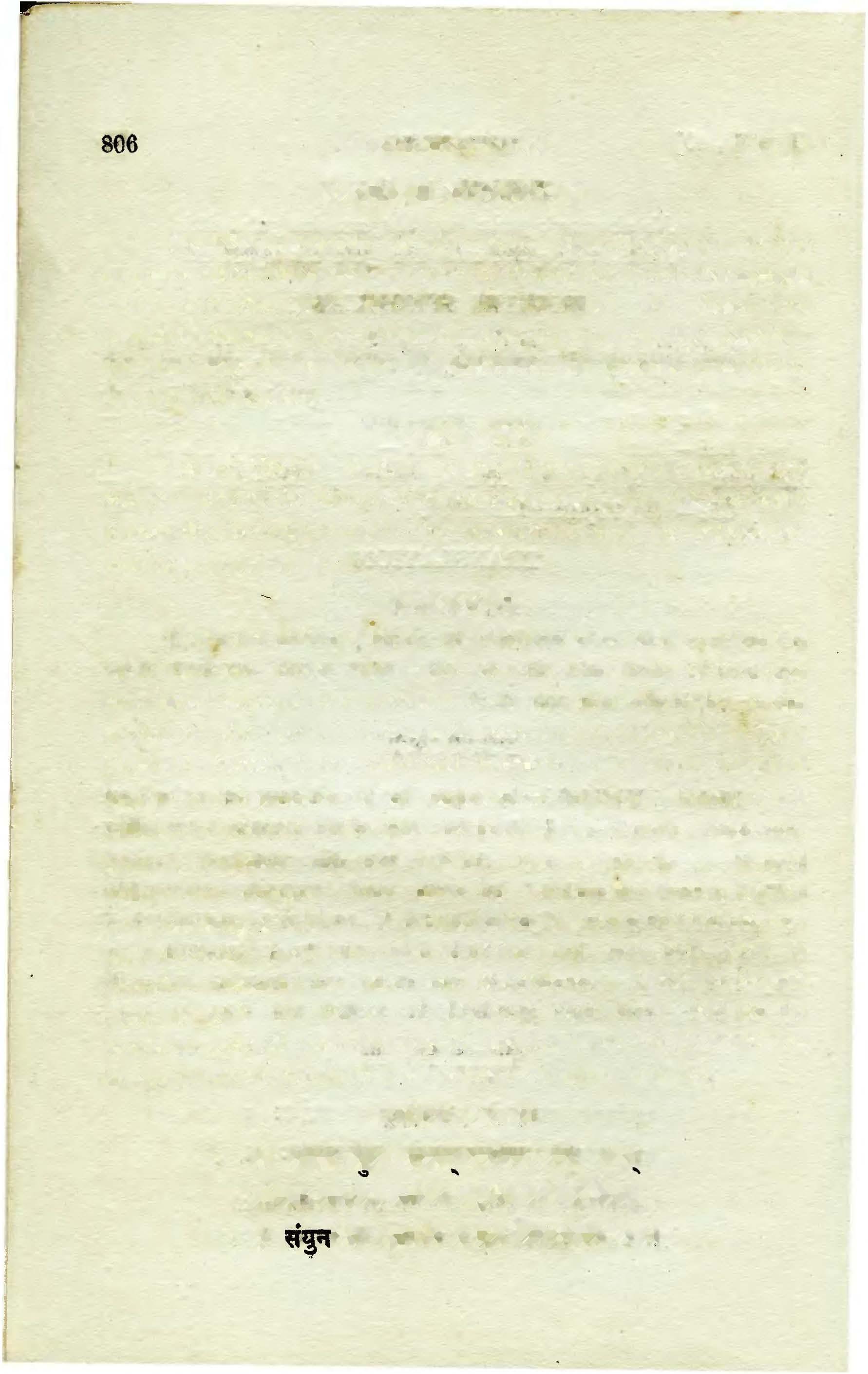
Youare like the captain ofthe ship in the great ocean and you can give us the direction of the other end. On this the Godly personality Devarshi Narada the greatest amongst the philosopher devotees, began to say.
PURPORT
There are different types of philosophers and the greatest of all ofthem are those who have seen the Personality of Godhead and have surrendered themselves in the transcendental loving service of the Lord. Among all such pure devotees ofthe Lord Devarshi Narada is the chiefand therefore He has been described herein as the greatest of all philosopher devotees. Unless one is sufficiently learned philosopher by hearing the VedantaPhilosophy from a bonafide �piritual master, one cannot be a learned philm:opher devotee. One must be verymuch faithful, learned and possessing a calebre of renunciation otherwise one cannotbe a pure devotee. Such pure devotee ofthe Lord can only give us direction towards the other end ofnescience. Devarshi Narada used to visit the palace of 1vfaharaj Yudhisthira oecause the Pandavas were all pure devotees of th� Lord and the Devarshi was always ready to give them good counsel whenever needed,

866 SRIM.ABBHA.GWATAM [Cb.13
TEXT No. 41 'l'r � �)u;r;:r ll�"'"<QT \Sf1m 1 � ' ' 'ft'IT:�MTII'Qi\' qf;a qf�'l'1fq: I � mr"l'a1f.:ruqtff'llfi(fil� ... �' � '\'
ENCLISH SYNONYMS
ratha as and as, Cava-cow, Nasi-by the nose, Protaswoven, Tantyam-by thread, Baddhas-bound up by, Cha-also, Damabhih-by ropes, Vaktanryam -in the net work ofvedic hymns, Namabhir-by nomenclatures, Baddha-conditioned, Bahanticarry on, Balim-orders, Isituh-for being controlled by the Supreme Lord.

TRANSLATION
As the cow being woven by threads in the nose and bound up by long rope is conditioned, so also human being is tied up by different nomenclatures of Vedic injunctions and conditioned to obeythe orders ofthe Supreme.
PURPORT
Every living being either a man or an animal or a bird etc every one thinks that he is free by himselfbut actually no body is freefromtheseverelawsoftheLord.t Thatis the conditionofmaterial existence. All living beings in the maerial world have taken up the risk of conditioned life by their own selection and have thus been entrapped by the laws of material nature. The human form oflife is" meant for understanding this conditioned life and thus become free fromthe clutche _ s of material existence and the only means for getting out ofthe entanglement is to agree to obey the Supreme . But instead of becoming free from the clutches ofMaya or illusion, the foolish human being becomes bound up by different t The laws of the Lord are severe because they cannot be disobeyedatany circumstances. Theman-made laws may be evaded by cunning outlaws, but inthecodes oftheSupreme LawMaker, there is notthe slightest possibility of neglecting the laws. .A slight change in the course ofGod-made law, can bring about a massivedanger to be faced by the law-breaker. Such laws of the Supreme is generally known as the codes ofReligion under different conditions but theprincipleofReligion everywhere is the same and oneviz. obey the orders oftheSupreme God. (Codesof Religion)
Text 42] l<IRSTCANTO 809
nomenclatures of being designated as Brahmins, Kshatriyas, Vaishyas, Sudras, Hindus,Mussalmans:, Indians, Europeans, Americans, Chinese, and many others and thus carry ontheordersofthe Supreme Lord under the influence respectivescriptural orlegislative injunctions.• Such scriptural injunctions aremade by liberated representative of God in consideration of different conditions of living and by carrying on such ordus ofthe Lord gradually the conditioned living beings become free from the clutches of material existence. Thefactual position ofthe living_beingis, however, thathe is eternaiiy servitor ofthe Supreme Lord. In his liberated state he renders service to the Lord in trascendental love and thus enjoys a life offullfreedom even sometimes on the· equal level with the Lord or sometimes more than the Lord. But in the conditioned state ofmaterial world every living being wants to be the Lord of other living beings and thus by the illusion ofMaya such menta1ity of lording it over, becomes a cause offurtherextentionofconditional life. Sointhe materialworld the livingbeing is still moreconditioned till he surrenders unto the Lord by reviving his original state of eternalservitorship. That is the lastinstruction ofthe Bhagwat Geeta and all �ther recognised scriprures ofthe world.
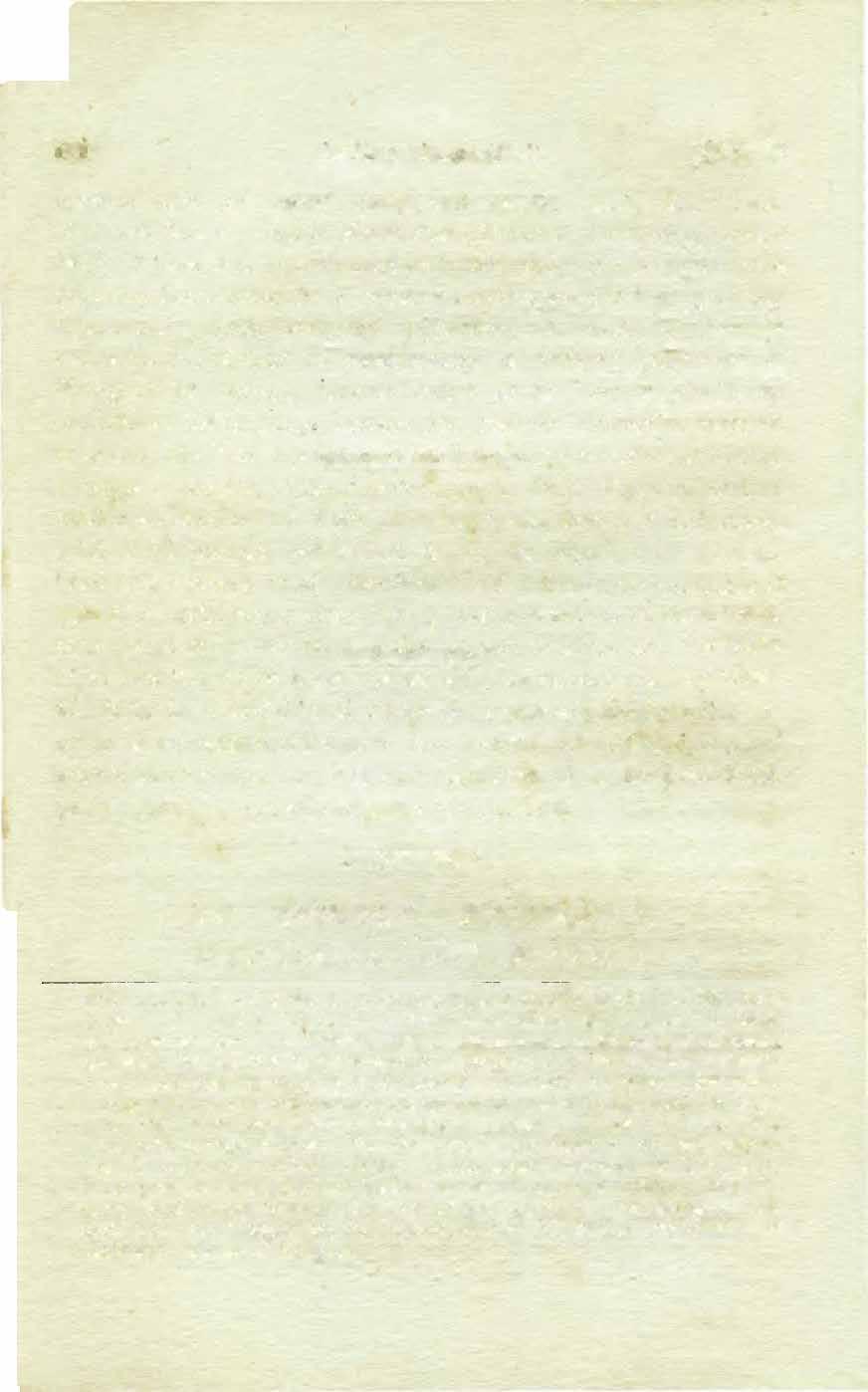
TEXT No 43

tf'lT �je)���Tvtf �tr1rrRfl'ftf� I
t:a�trT �Teg: 'trTt�i aq���ti'T f!VlT'{ II
* The statutory laws ofthe state areimperfect imitation replica of Religious Codes. The secular state or the Godless state allow the citizens to break the laws of God but restricts them in the matter ofdisobeying the laws of the state; the result is that the people in general suffer more by breaking the laws ofGod than by obeying the imperfectlaws made by man. Everyman is imperfect by constitution under conditions ofmaterial existence and there is not the least possibility of enacting a perfect legislation by the most materially advanced man. On the other hand there is no such imperfectness in thelaws ofGod. Ifthey areeducated in the laws of God, there is no necessity ofa make-shift legislative council of aimless man. There is necessity of change in make-shift laws ofman but thereis no change in the God-made laws because they aremade perfect by All Perfect Personality of Godhead. (Codes of Religion)
810 SRIMADBHAGWATAM [Ch. 13
Text 43]

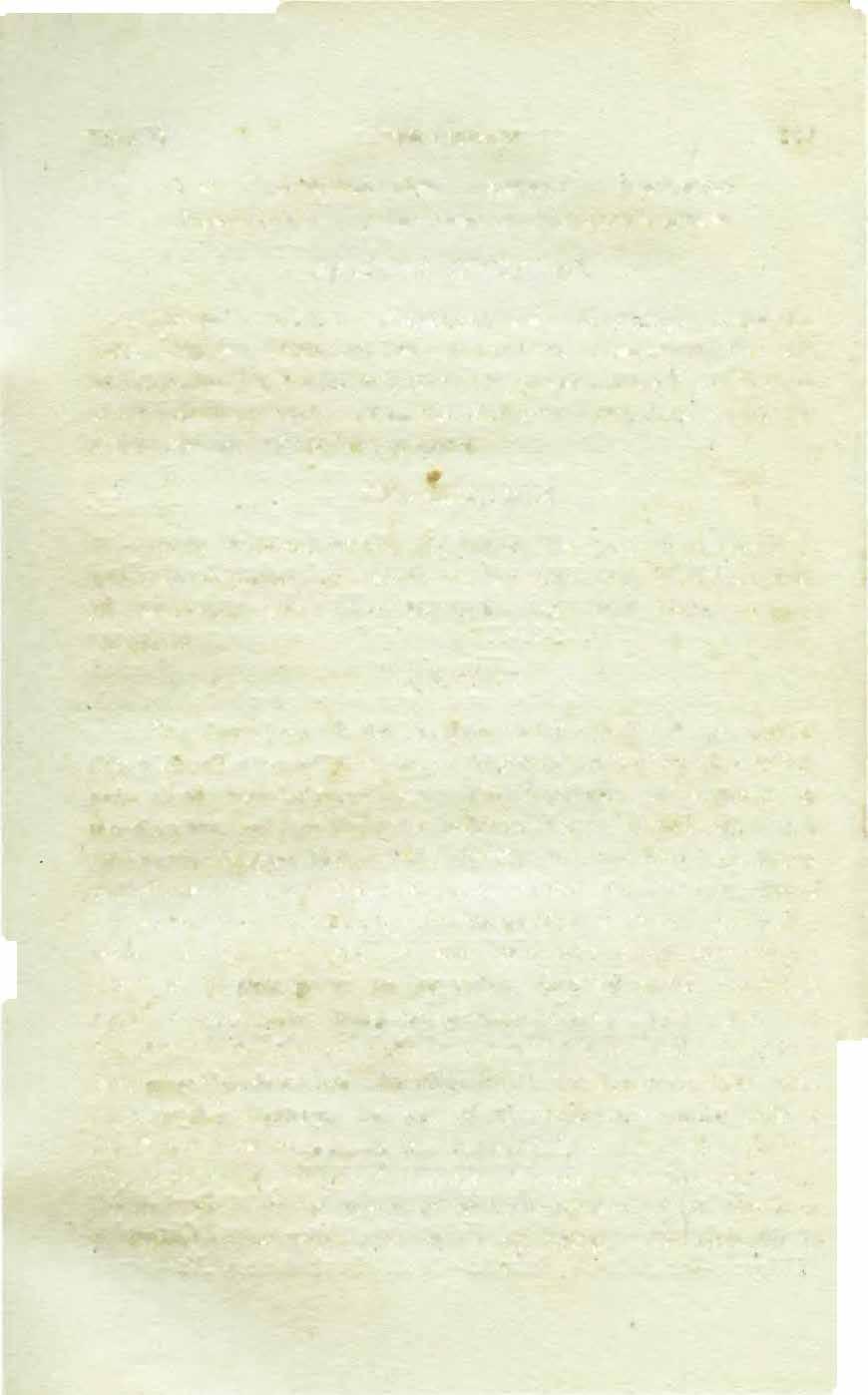
FIRST CANTO
ENGLISH SYNONYMS
ratha-as much as, Kridopaskaranam-playtLings, Samyogaunion, Vigamou-disunion, /ha-as much as, lchhaya-by the will of, Kriditum-just for playingpart only,Syatam-takes place,Tathaso also, Eva-certainly, lsha-the Supreme Lord, Icchaya-by the will of,Nrinam-ofthe human being.

TRANSLATION
As by the sweet will of the player the playthings are set up and again dispersed, so also by the Supreme will ofthe Lord men are associated with other particular men and again they are separated.


PURPORT
We must know it fov certain that the particular position in which we are now set up is an arrangement ofthe Supreme will in terms ofour own act in the past. The Supreme Lord is present as the localised Paramatma inthe heart of every living being as it is J said in the Bhagwat Geeta (B.G. 13/22) and therefore He kno\'Vs everything ofouractivities in any stage ofour life. The reactions of our actions are rewarded by Him by placing us in some particular place. A rich man gets his son born with silver spnon in the mouth ofthe rich man but the child who comesas the rich man's son is a particular living being who deserved suchplace and therefore he is placed there by the will of the Lord. Anrlat a particular moment when the child has to be removed from that place, is also carried by the will of the Supreme even the childor the father does not wish to be separated from the happy relation. The same thing happens in the case of a poor man also and either the rich man or the poorman no body has any control over such �mal�amation or separation of living bein�s. The example of
ratha kridopaskaranam samyoga vigamabiha lchhaya kriditum syatam tatha eva isha ichhaya nrinam
8ll
player and the playthings maynot be misunderstood. One may argue that the Lord is bound to award the reactionaryresult ofour own action and assuch the example ofa player cannot be applied. But it is not so. We must always remember that the Lord is the Supreme will and He is not bound up any law. Generallythe law of Karma is that one is awarded the result of one's own actions but in specialcases by the will of the Lord such resultant actions are changed also. But this change can be effected bythe will ofthe Lord only and no other else. Therefore, the example of the player cited in thisverse in qttite appropriate and the Supreme will is absolutelyfree to do whatever He likes ; and because He is all perfect there is no mistake in any of'His action or reaction. This change of resultant actions are specially done by the Lord when a pure devotee is concerned. This is assured in the Bhagwat Geeta (B.G. 9/30-31) that the Lord "saves a pure devotee who has surrendered unto Him without any reservation, from all sorts of reactions of sins and there is no doubt about this. There are hundreds of examples ofthischanged resultant actions by the Lord in the history ofthe world. When the Lord is able to change the resultant reaction of one's past deeds then certainly He is not Himself also bound up by any action or reaction of His own deeds. He is perfect and transcendental to all laws.
TEXT No. 44

rat mannase dhruvam lokam adhruvam va na cha ubhayam Sarvatha na hi sochyaste snehat a'V'atra mohajat.
ENGLISH SYNONYMS
rat-eventh0ugb, Mannase-you think, Dhruvam-absolute truth, Adhruvam-nonreality, Va-either, Na-or not, Cha-also, {!hha1am-or bothwise� Sat!Jatha-in all circutnstances, .Nett-never?
1 812 SRIMID BHAGWATAM [Ch. 13
�'lilt� � 'f)�� en 't :q);rqq 1 � � ' ��'"'' 't � �):atnm �"�'qnr� q)�«t ,,
Hi-certainly, Socfv'aste�subject for lamentation, Snehat-due to affection, Anyatra-or otherwise, Mohajat-dueto bewilderment.


TRANSLATION
Oh the King ! in all circumstances either you consider the soul as eternal principle or the material body as perishable or everythingin the impersonal Absolute Truth or thewholething as inexplicable combination ofmatter and8pirit, feelings ofseparation is due only toanillusoryaffection and nothingmore.
PURPORT
The actual fact is that every livingbeing is an individual part and parcel ofthe supreme Being ar.d his constitutional position is subordinate co-operative service. Either in his conditional material existence or in his liberated position offull knowledgeand eternity, the livjng entity is eternally under the control of the Supreme Lord. But those who are not conversant with the factual know ledge, they put forward many speculative propositions about the real position ofthe livi�g entity. It is admitted, however, byall schools of philosophy that the living being is eternal and the covering body of five material elements is perishable and temporary. The eternal living entity trnsmigrates from one matreial body to another by the law ofKarma and material body isperishable by its fundamental structure. Therefore there is nothing to be lamented in the case ofthe soul's being trnasferred into another body or the materialbodybeing perished at a certain stagf'. There are others also who believe in the merging the spirit soul in the Supreme spirit being uncovered by the material encagement, and there are others also who do not believe in the existence ofspirit or soul but believe in tangible matter. In our daily experience we find so many transformations of matter from one form to another but we do not lament for such changing features. In eitherofthe above cases, the force of Divine Energy is uncheckable; no body has any hand upon it an4 as suc;:h there is no cause ofgrie� ·
Text 44] FIRSTCANTO 813
Tasmat jahi anga klaivyam ajnana lcritam atmanah
Katham anatha kripanah varterans te cha mam vina.
ENGLISH SYNONYMS
Tasmat-the:efore, Jahi-give up, Anga-oh the King, Klai�am-disparity ofthe mind, Ajnana-ingnorance, Kritam-due to, Atmanah-ofyouself, Katham--how, Varterans--be able to survive, Cha-also, Mam-me, Vina-without.
TRANSLATION
Therefore give up your di�parity of mind on account of ignorance ofyourself as you are thinking of how they, who are helpless poor creatures, sha!1existcertainly without you.
PURPORT
When we think of our kith and kin who are out of sight as helpless and dependent on us,· it is all due to ignorance only.
· Every living creature is allowed all protection of living conditions by the order of the Supreme Lord in termsofevery one's acquired position in the world. The Lord is known as Bhutahhrit one who gh·es protection to all living beings. One should discharge his dtttics onlyotherwise except the Supreme Lord no body can give any protection to any body else. This is explained more clearly in the following verse.
TEX1' No. 46 .,"·��"'"''
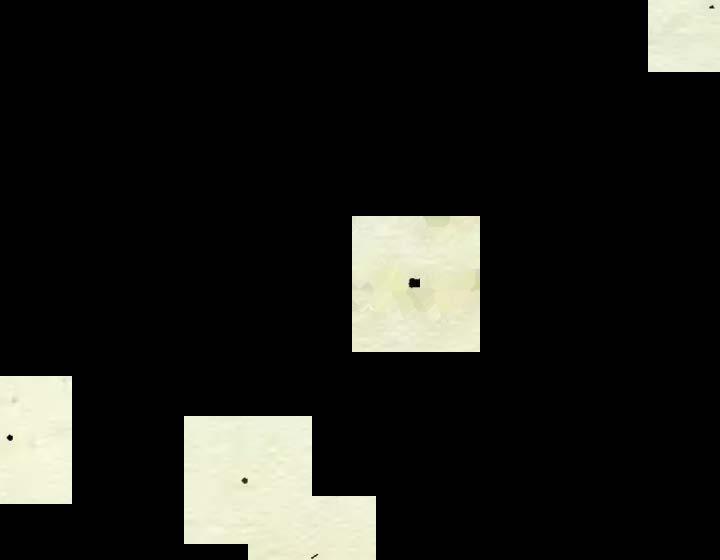


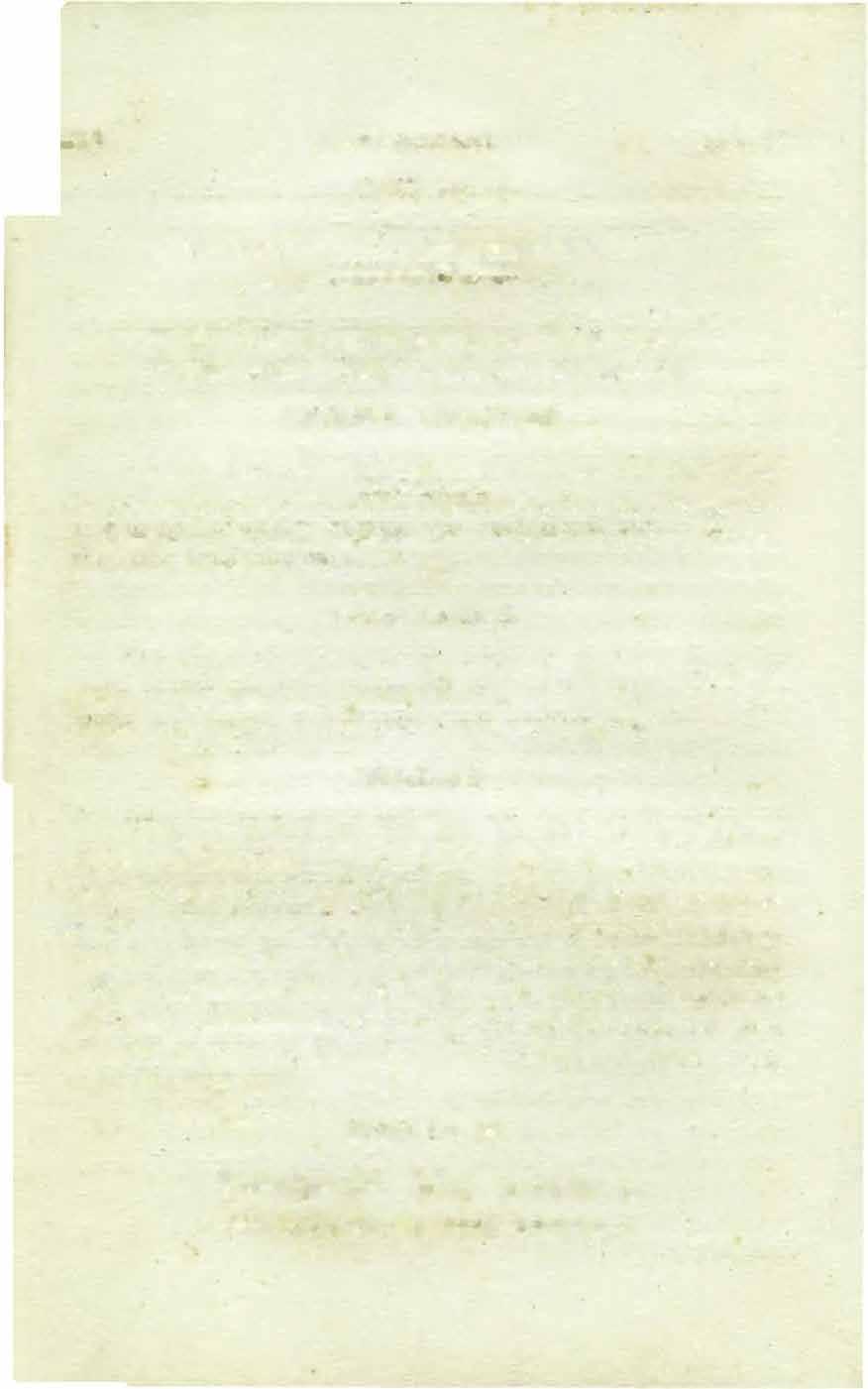
814 SRlMAD BHAGWATAM
•
TEXT No. 45 •
tr'""'��" '-'��m�,a'ft(q;:.-:' 'filii(�T'l'T: lfS'qQJT �t("''Ef qf fq;:n t t •
[C�. 13
� 'fl'fltlc�ci\1�) �'"�'! tI
q)sr.i qf;:nilftflfi: t lfi'f'IT
Kala Aarma gurrihdhino delta ayam pancha bhoutikah
Katham anyanstu gopayet sarpagrast?yatha aparam.
ENGLISH SYNONYMS
Kala-eternal time, Karma-action, Guna-modes ofnature, Deha-material body and mind, Ayam-this, Pancha-fivc, Bhoutikam-made ofthe five clements, Katham-how, Anyans-others, Tu-but, Gopayet-give protection, Sarpagrasto-one who is bitten by the snake, ratha-as such as, Aparam-others.
TRANSLATION
This gross material body made of fi�e elements is !J.lready under the controlofeternal time, ��tio:r;ts and the modes ofmaterial nature. How then it can protect others already being under the jaws ofthe serpent.
PURPORT
Freedom movement of the world by political, economical, social, cultural propagan.da can do no benefit to the beneficiary on account ofbeing controlled by superiorpower. A conditioned living being is under the full control ofmaterial nature represented by eternal ti�e and activities under the dictation of different modes of nature. There are three material modes of nature namely goodness, passion and ignorance. Unless one is not situated in the modes ofgoodness one cannot see things asthey are. The passionate and the ignorant cannoteven see things as they are. Therefore a person who is passionate and ignorant can not directhis activitieson the right path. Only the man inthe qualityofgoodness can help to a certain extent. Most perso . ns are passionate and ignorant and therefqre plans and projects can hardly do any good to others. Above the modes ofnature there is the eternal time which is called Kala because time change;s the shape of everything in the material world. Even if we are able to do something temporarily ben<."ficial still'time will see that the good project isfrustratedin courseof

text 41:,] fiRSTCANTO
811
time. The only thing which is possible tobe done is to-get rid ofthe eternal time Kala which is comparedwith Kala Sarpa or the cobra snake whose bitting is always insuperaple. No body can be saved from the bitting effect ofa cobra. The best remedy for getting out of the clutches of the cobralike Kala or its integrity the modes of nature, is Bhaktiyoga as it is recommemded in the Bhagwat Geeta (B.G. 14;26) The highest perfectional project of philanthropic activities is to engage everyone in the act of preach· ing Bhaktiyoga all over the world because that alone can save the people fromthe control ofMaya or thematerial nature represented by Kala, Karma and Guna as described above. TheBhagwat Geeta (B.G. 14/26) confirms this definitely.
TEXT No. 47

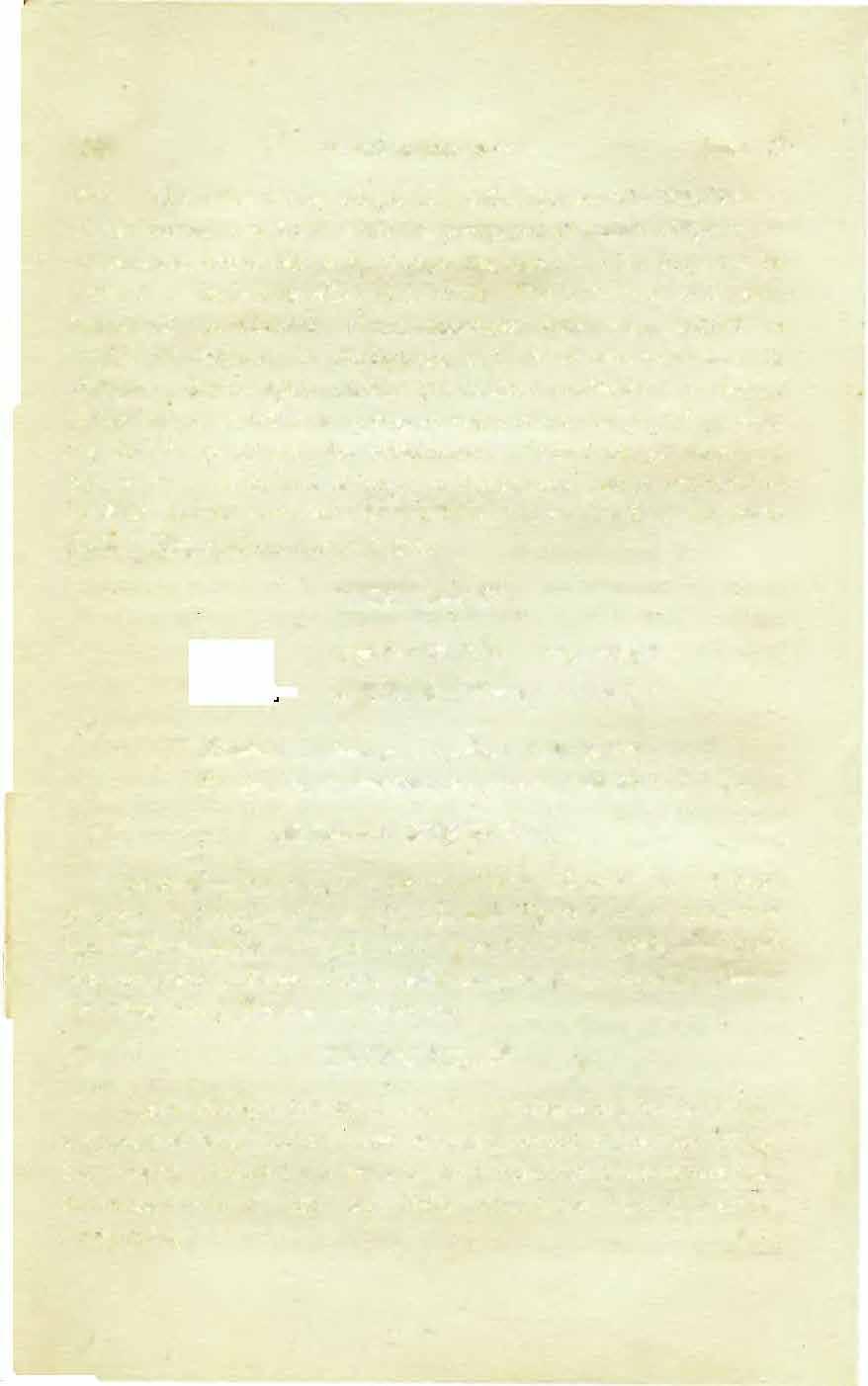
q�erfG�re�)
Ahastani sahastanam apadani chatuspadam
Phalguni tatra mahatamjivojivasya jivanam.
ENGLISH SYNONYMS
Ahastani-those�who are devoid ofhands, Sahastanam-of those who are endowed with hands, Apadani-those who.are devoid of legs, Chatuspadanam-of those who have four legs, Phalguni-those who are weak, Tatra-there, Mahatam-of jthe poweful, Jivothe living being,Jivanam-subsistance.
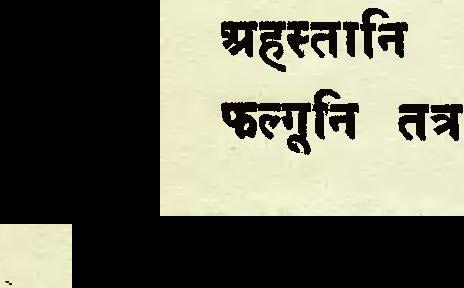
TRANSLATION
Those who are devoid of hands are subsistance for those who are endowed with hands, those who are devoid oflegs are ofthe four legged. As such the weak is the subsistance ofthe strong and the general rule is tha.t one living being is the food for another livingbeing.
l f 816 SRIMADBB'A.GW.A.TAM [Ch;l3
"�'ar.:rtqq�fif ;!f�lfetl'! 1
\jfre�'q il'lcr;f'! •'
A systematic law of subsistance in the field of struggle for existence is there by the Supreme will and there is no escape by any one by any ammount of planning commission. The living being who have come to the material world against the will ofthe Supreme Being are under the control ofa Supreme Power called the Maya Shakti deputed agent ofthe Lord and this Daivi Maya is meant for pinching the conditioned souls by three fold miseries one ofwhich is explained here in this verse that the weak is the subsistanceofthe strong. But no body is strong enough to protect himselffrom the onslaught of the stronger one and by the will of the Lord there are systematic categories of the weak and the strongest than the stronger. There is nothing to be lamented ifa tiger eats another weaker a10imal including the man because that is the law ofthe Supreme Lord. But forthe human being, although the law is there that the human being must subsist on another living being, there is the law of good sense also forthe human being which is meant to obey the law ofthe scriptures also which is impossible for other animals. The human being is meant for self realisationand for thatpurposeheis not toeat anything which is not first offered to the Lord. The Lord accepts from his devotee all kinds of food preparations made of vegetables namely fruits and leaves and as such grains fruits leaves and milk in different varieties offoodstuffcan be offered to the Lord and after acceptance ofthe foodstuff by the Lord a human being devotee ofthe Lord can partake ofthe Prasadam bywhich hisall sufferings ofstruggle for existence will be gradually mitigated. This is confirmed in the Bhagwat Geeta (B.G.9j22). Even those who are accustomed to eat animals they can offerthefoodstuffnot to theLord directlybutto the agent particular ofthe Lord under certain conditions ofreligious rites. And injunctions ofthe scriptures are not meant for encouragingthe eaters in animal foodstuffbut to restrict them by regulated principles.

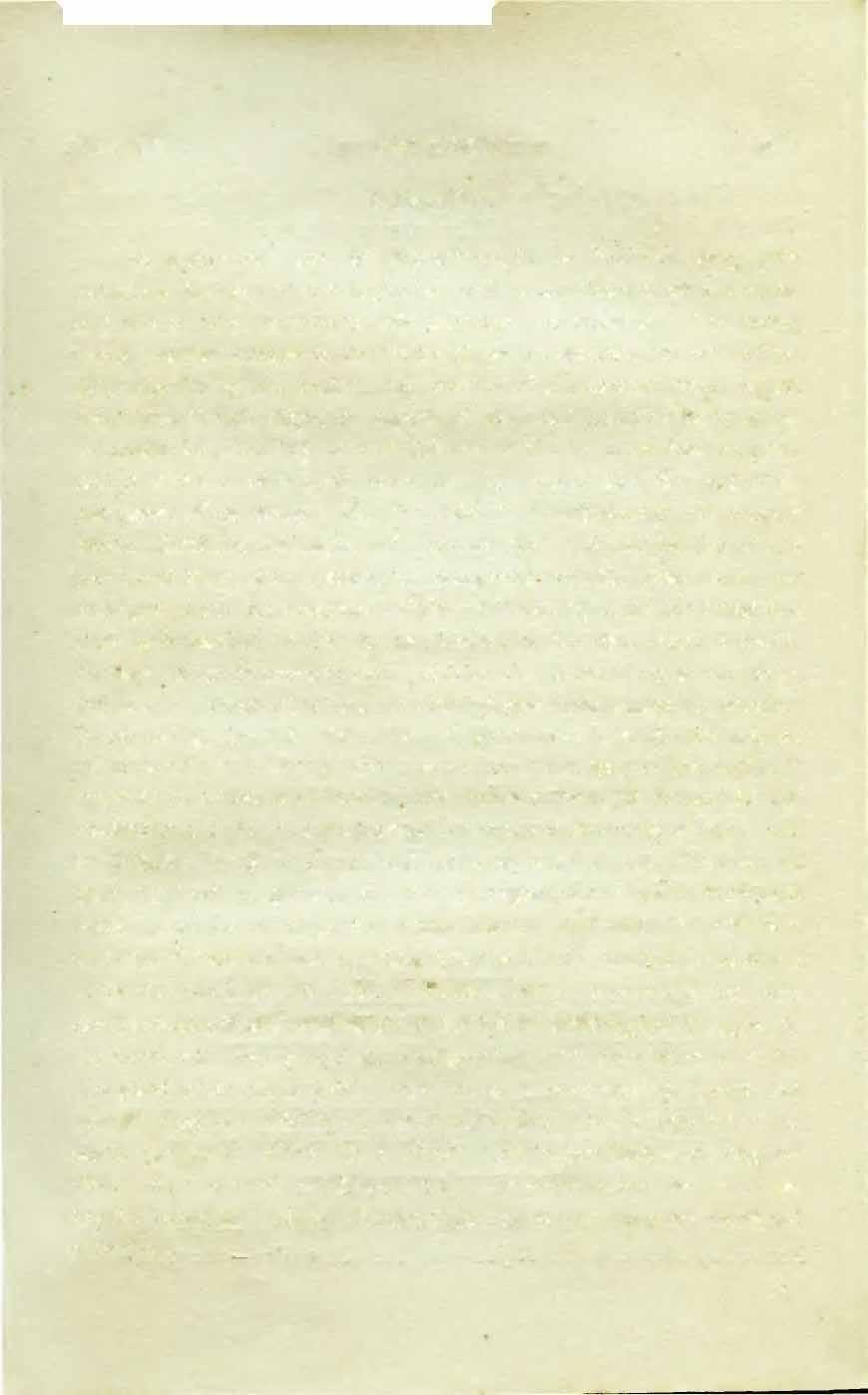
Text 47] FIRS'l'CA.N'l'O 817
PURPORT
The Jiving being is the source ofsubsistance for other sronger living beings. No body should be very anxious for his subsistance at any circumstances because there are living beings every where and no living being starves for want of food at any place. Maharaj Yudhithir is advised by Narada not to worry for his uncles that they would suffer for want of food �/.;ut on the contrary they could live on vegetables available there also in the jungle as Prasadam of the Supreme Lord and thus realise the path of salvation.
Exploitation ofthe weakerliving being bythe strong isthenat ural law for existenc_c; there is alwaysanatt _ empt to devour the weak by the stronger neighbour in different kingdoms ofthe living being. There is no possiblity of checking this tendency by any artificial means under material condition but it can only be checked by awakening the spiritual sense ofthe hu,!Tian kind by practice ofthe spiritual regulations. The spiritual regulative principles however does not allow a man to slaughter the weaker animals on one side and teach others for peaceful co-existence. If you do not allow the animals for peaceful co-existence under good sense of humanity how you can expect peaceful co-existence in the human society. The blind leaders of human being must therefore understand the Supreme Being and then try, to imple�ent the Kingdom ofGod. Kingdom ofGod or Ramrajya is im?'Jssible without the awakening ofGod-consciousness in the .mas:1 mind ofthe people ofthe world.
TEXT No. 48 ... afcr� \ll'fctT;:r �Tiiliilefl �l�'iTSS�'f;:JT 'ctcr� I ' c.' �icf'�)s;:r;:a�) ;rtfff q�t( a 'fllltr)�en II

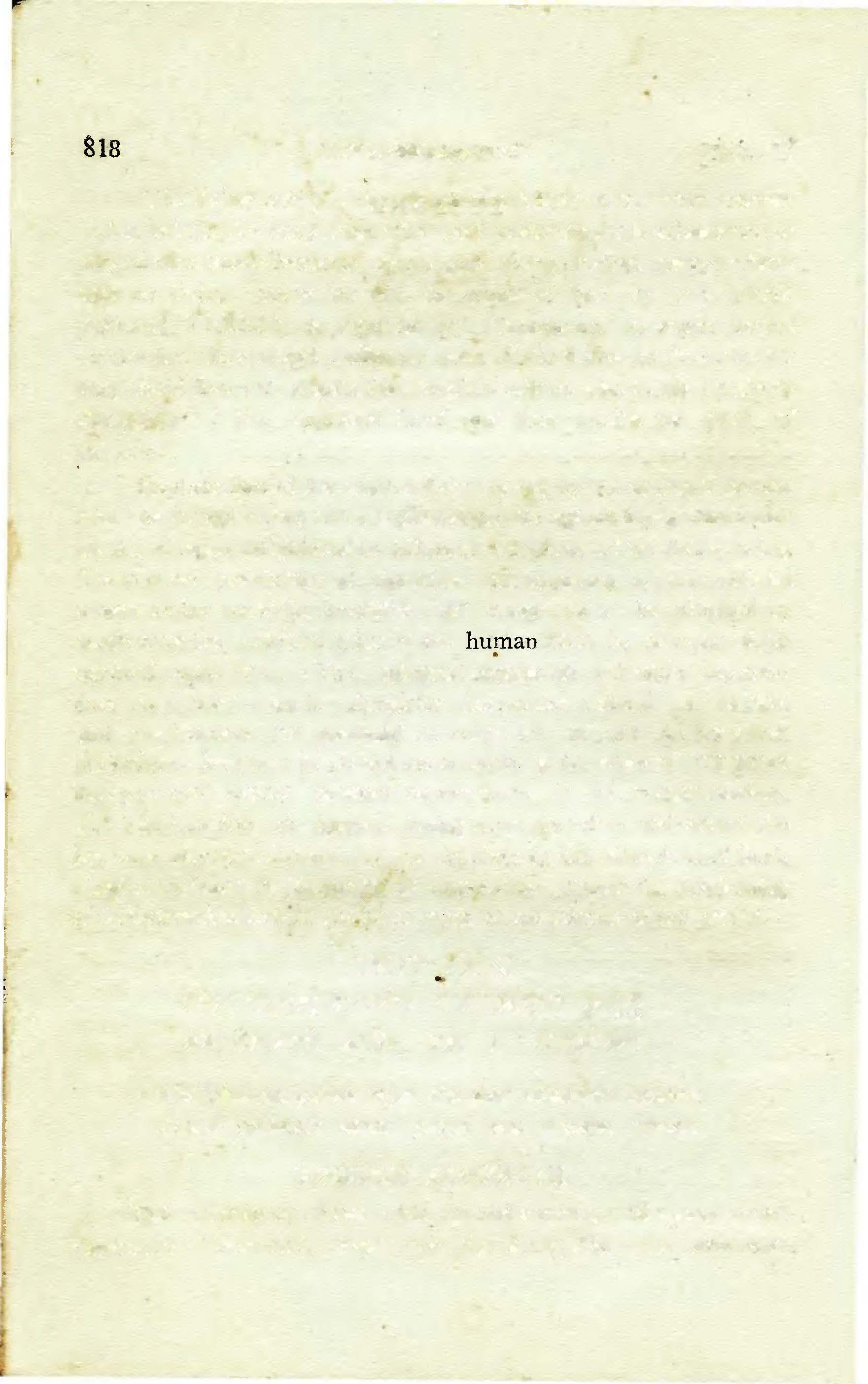
Tadidam bhaghwan rajan eka atma atmanam swadrik
Antaro anantaro bhati pasya tam mayaya urudha.
ENGLISH SYNONYMS
Tad-therefore, !dam-this manifestations, Bhagawan-the Personalty ofGodhead, Rajan-oh the King, Eka-one without a
818 SRIMAD BltAGWATAM [Ch.!3
second, Atma-the Supersoul, Atmanam-by his energies, Swadrikqualitatively like Him, Antaro-without, Anantaro-within and by Himself, Bhati-so manifests, Pasya-Iook, Tam-unto Him only, Maytrya-by manifestations of different energies, Urudha-appear to be many.
TRANSLATION
' Therefore oh the king you should look unto the Supreme Lord only who is one only without a second and manifests Himselfby different energies as differently situated within and without.
PURPORT
The Supreme Lord Pesonality of Godhead is one without a second but He manifests Himself by different energies because He is by nature blissful. The living beings are also manifestations of His marginal energy qualitatively one with the Lordand there are innumerable living beivgs both within and without the external and internal energies of the Lord. The spiritual world being the manifestation of the Lord's internal energy the living beings, within that internal potency, are qualitatvely one with the Lord without any contamination of the external potency. But the living being in the external potency of the Lord, although qualitatively onewith the Lord, due to contamination of the material world such qualities are pervertedly manifested and therefore they are the cause of so called happiness and distress of thematerial world. Such experience of the material happiness and distress of tLc livingbeingorbeing devoured bythe strong in the weak form of life are different stages of material pangs and they are all ephemetal vvithout any actualhappening on the spirit soul. TJ,e perception ofsuch ephemeral happiness and distress is due only to the forgetfulness of his qualities equal with the Lord. There is however a regular current for rectifying the fallen condition of the living beingby the Lord Himsdffrom within and without. From within He corrects the desiring living being as localised Paramatma �nd fro111 withollt fie corrects by H�s manifestations of Spiritual
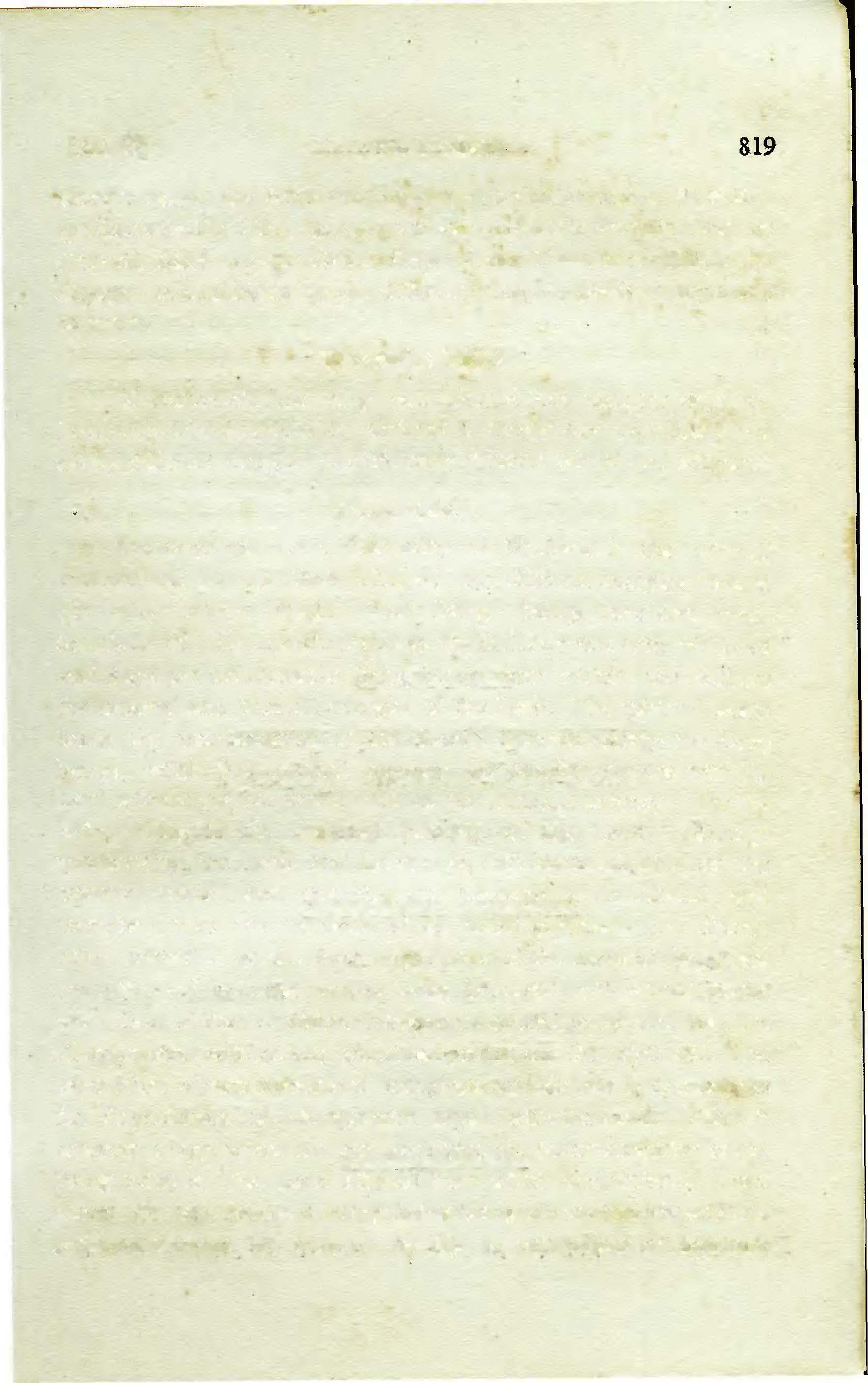
Taxt 48] FIRSTCANTO 819
master and the revealed scriptures. One should look unto the Lord means that one should not be disturbed by the so called manifesta tions ofhappiness or distress ofthe living being but he should try to co-operate with the Lord in His outward activities for correcting the fallen souls. By His order only one should become the Spiritual master and co-operate with the Lord. One should not become a spiritual master for one's personal benefit or for some material gain as a venue ofbusiness or occupation for earning live lihood. Such bonafide spiritual masters who look unto the Supreme Lord for co-operating with Him are actually qualitatively one with the Lord and the forgetful ones are perverted reflections only. Yudhisthir Maharaj is advised therefore by Narada not to be disturbed with the affairs of so called happiness and distress but he sh()uld only look unto the Lord to execute mission for which the Lordhad descended. That was his prime duty.
TEXTNo. 49

So 'ayam Kalarupa adya maharaja bhagawan bhutabhavanah avateerna' asyam abhavaya suradvisam.
ENGLISH SYNONYMS
Sa-that Supreme Lord, Ayam-tbe Lord Sri Krishna, Maharaja-oh the King, Acrya-at present, Bhagawan-the Personality of Godhead, Bhutabhavanah-the creator or the Father of everything created, Kalarupa-in the disguise of devouring time, Avateerna-descended, A.ryam-of the world, Abhavaya-for eleminating, Suradvisam-of those who are against the will of tht: Lord.
TRANSLATION
That Supreme Personality of Godh�ad Lord Sri Krishna
�alaru:pa-in the disguise ofK�la pas now at the pres�nt moment
" 820 SRIMA.DBH.AGW.AT.AM [Ch. 13
")sqqv q�n:rGr 1f'lcni{ �a1f1CI": • 'fil��q)sC(�ft'llst=�qowmq !l�fi'fl'! •1
moment descended on the earth for eleminating the compas ofthe envious from this world.
PURPORT
There are two classes ofhuman beings namly the envious and the obedient. The Supreme Lord being one and the Father of all living beingsthe envious living beings are also His sons but they are known as the Ashuras. But the living beings who are obedient to the Supreme Father are called Devatas or the demigods becausesuch living beings are not contaminated by the material conception oflife. The Ashuras are notonly envious of the Lord in the matter ofeven denying the existence of the Lord, but also be come envious ofall other living beings. Such predominance of the Ashuras in the world is occasionally rectified by the Lord by eliminating them fromthe world and by establishing the rule ofDevatas like the Pandavas. His designation as the Kala in disguise is significant. He is not at all dangerous but He is transcendental Form of eternity, knowledge and bliss. For the devotees His factual Form is disclosed and for the non-devotees He appears like the Kalarupa which is causal Form. This causal Form ofthe Lord is not at aU pleasing to the Ashuras and therefore they think of the Lord as formless in order to feel a self complacence in the matterofnot beingvanquished by the Lord.
TEXTNO. SO
Nispcditam devakrityam avasesam pratilcshate Tavat yuyam avekashadhwa bhavetyavat iha iswarah.
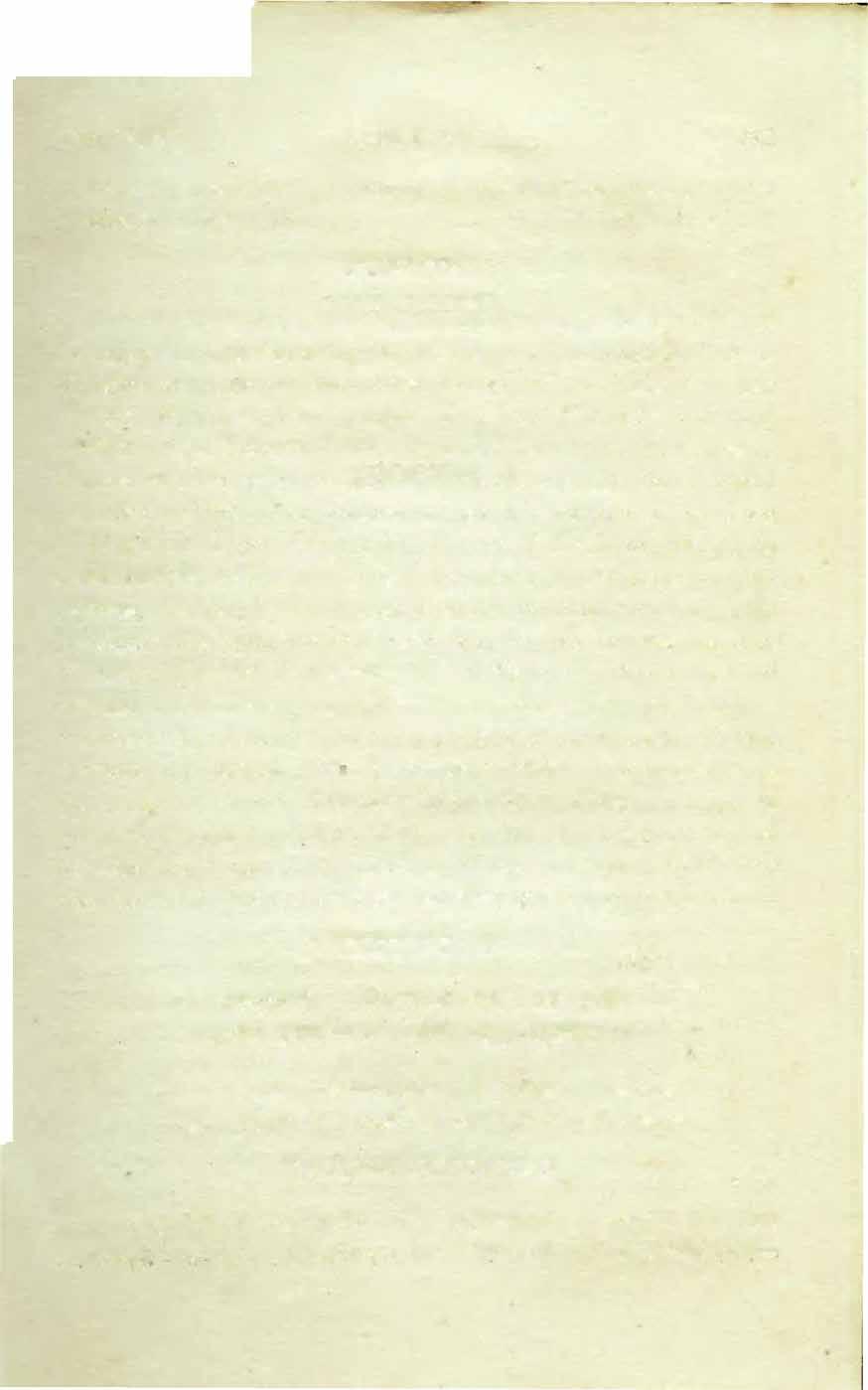
ENGLISHSYNONYMS
Nispaditam-performed, Devakrityam-what was to be dorie gn 'Qehalf of the demi�ods, 4vasesam-the rest� fratiksha,e-


Text49, 50] PRIST CAN'l!O 821
c.
ffft�q'Tf� �CJi�CI�ti stat�� a
at� 1i�"q�oc:ci 11itct �TCJfqi�CR:: aa
being awaited, Tavat-up to that time, Tuyam-you all the Pandavas, Avekshashadhwa-observe and wait, Tavat-as long as, lha-in this world, !swara-the Supreme Lord.
TRANSLATION
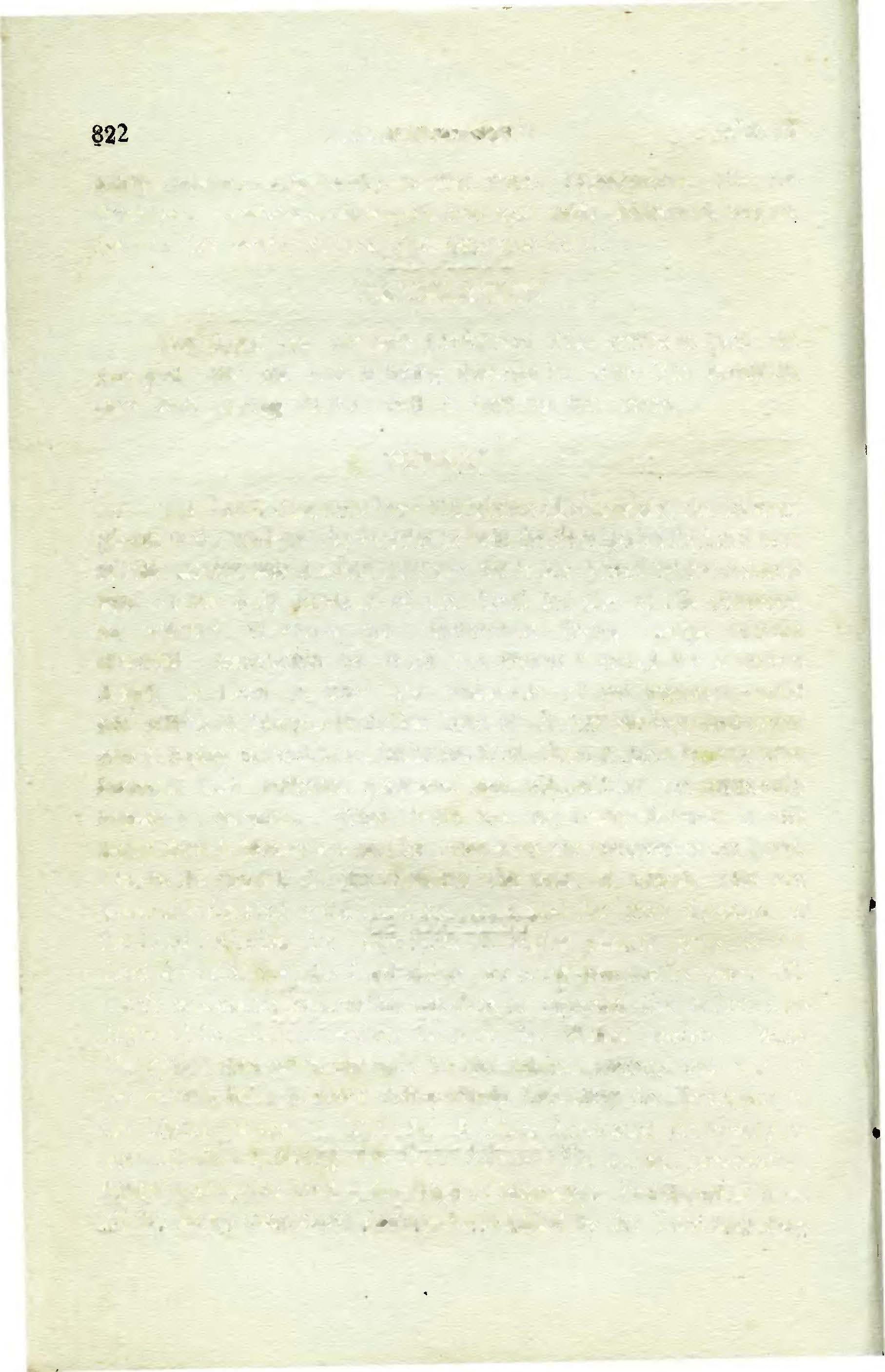
The Lord has already performed His duties to help the demigods and the rest is being awaited by Him. You Pandavas may wait so long as the Lord is here on this earth.
PURPORT
The Lord descends from His abode (Krishnaloka) the topmest planetinthe spiritual sky inorderto help thedemigodsadministrators ofthismaterialworld when they are too much vexed bytheAshuras who are not only envious of the Lord but also ofHis devotees. As referred to above the conditioned living beings contact material association by their own choice dictated by a strong desire to Lord it over the resources of the material world and desire to become imitation Lord of all they survey; and every one is trying to , become an imitation God, there is keen competition amongst such imitation gods and such competitors are generally known as Ashuras. When there are too many Ashurs in the world then it becomes a hell for those who are devoteesofthe Lord. Due to the growth of the Ashuras the mass of people who are generally devoted to the Lord by nature and the pure devotees of the Lord including the demigods in higher planets pray to the Lord for reliefand the Lord either descends personally from His abode or deputes some ofhis devotees to remodel the fallen con· dition ofthe human society or even the animal society. Such disruptions take place not only in the human society but also in the animal, birds or other living beings including the demigods in the higher planets. Lord Sri Krishna descended personally on account ofvanquishing the then Ashuras like Kansa,Jarasandha, Sisupala etc., and during the reign ofMaharaja Yudhisthir almost all the above mentioned Ashuras were killed by the Lord and now
SRIMA.O BRA.OWATAM Ch. 13
Text 51] FRIST CANTO

he was awaiting the annihilation of His ovm dynasty ca1led the Yadubansas who apeared by His wiH in this world and He wanted to take them away also before His own departure to His eternal abode. Narada likeVidura did not disclose the imminent annihilaition of the Yadudynasty but indirectly gave hint to the King and his brothers to to wait till the incident happens and the Lord departs.
TEXT No. 51

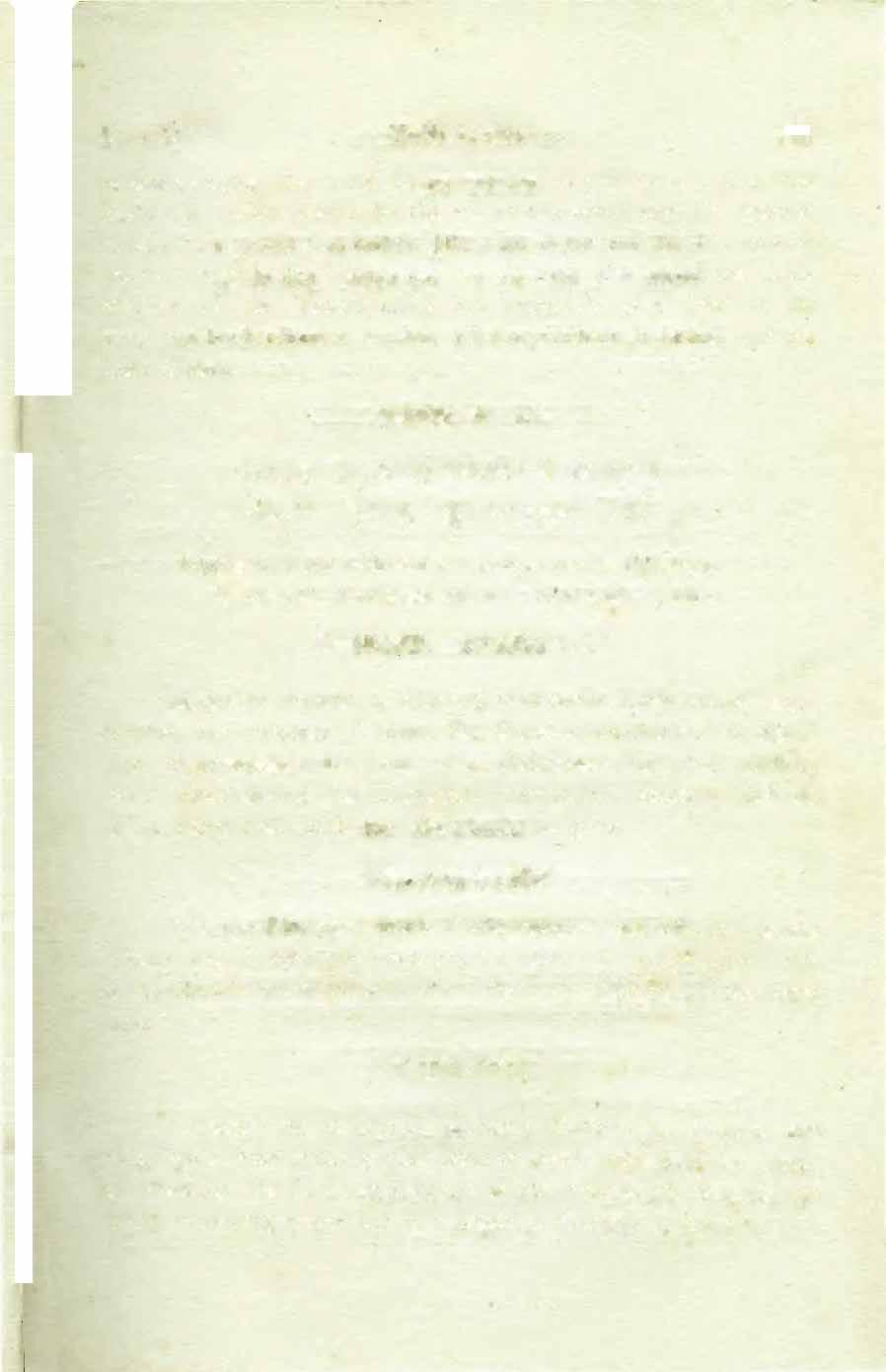
'i��T�: � ��T m;:�tri iiJI' �Cf�Tq.tn I �f�;:r f�q-era S[ISffQTTq'T�" rr�: II
Dhri;arastra saha hhratragandharya cha swahharyaya Dakshinena himabatarishinam ashramam gatah.
ENGLISH SYNONYMS
Dhritrastra-uncle ofMaharaj yudhisthir, Saha-along with� Bhratra-his brother Vidura, Gandharya-Gandhari also, Ckaand, Swabharyaya-his own wife, Dakshinena-by the southern side, Himabata-of the Himalyan mountain, Rishinam-of the Rshis, Ashramam-in shelter, Gatah-hehasgone.
TRANSLATION
'10h the King your uncle Dhritarastra along with his brother Vidura and his own wife Gandhri, has gone to the southern side ofthe Himalayan mountains where there arc shelters of the great sages"
PURPORT
To pacify the mourning Maharaj Yudhsthira, Narada first ofall spoke from philosophical point of view and then he began to describe the future movements ofhis uncle which he could see by his foreseeing power and thus began to describe as follows.
•
TEXT 52
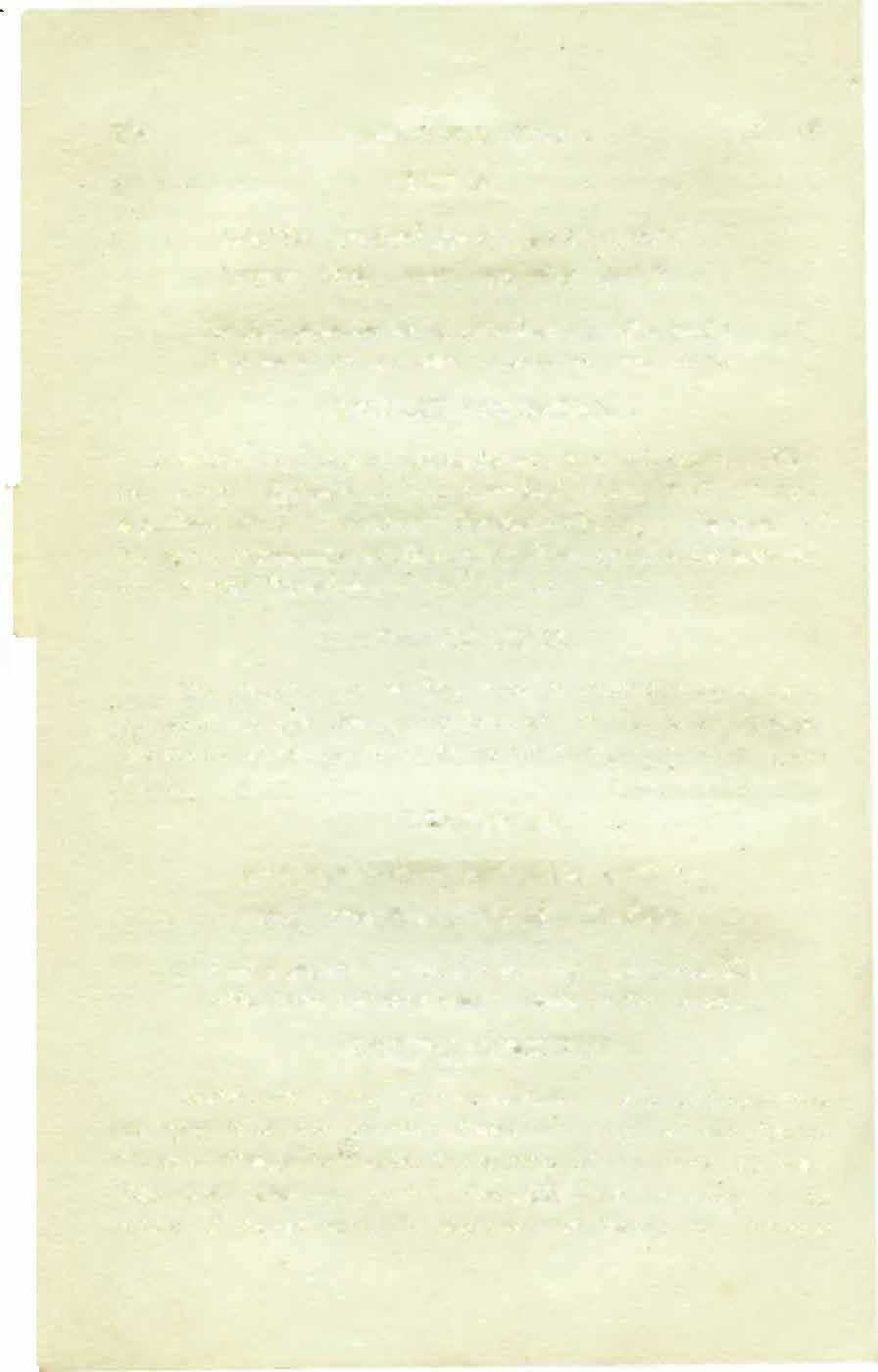
�$1'Totf�: �taf�lficf�Cl'�t'i\'t�t�qT
I
�toAf Sltail' i\'AT �tcr�$f)a: sr;:r&r8 u
Srotobh�h saptabhiryabaiswardhuni saptadha byadhat Saptanam pritaye nana saptasrotah prachakshate.
ENGLISH SYNONYMS
Srotobhih-by currents, Saptabhir-by seven (divisions}, f'athe river, Bai-certainly, Swardhuni-the sacred Gnages, Saptadha-seven branches Byadhat-created. Saptanam -of the seven, Pritaye-for satisfaction of, Nana-various, Saptasrotahseven sources, Prachakshate-known by the name.
TRANSLATION
The place is called as 'Saptasrota' on account of the water of the sacred Ganges river being furcated in the seven divisions ofcurrents which was done for the satisfaction ofthe seven great Rishis.
TEXTNo. 53
�""RCI'f2«q.:t af�q'l �' =qt,�r� lftttfCI'f"l 1 a;�� �q�y;�n�q-1 � at�a fCfqatfGJ: II
Snatll.:a anusavanam tasmin hutwa cha agninyathavidhi Abbhakasha upasanta atma saaste vigata esanah.
ENGLISHSYNONYMS
Snatwa-by taking bath, anueavanam-regularly three times morning noon and evening, rasmin-in that sevenly divided Ganges, Hutwa-by performing sacrifice of the name Agnihotra, Cha-also, Agnin-in the fire, Yathabidhi-just according to the tenet3 of the scripture, Abbhaksha-alm)3t fasting by drinking
824
SRIMA1>BHAGWA'rAM
aqt�t({
[Ch.
IS
•
water, Upasanta-completely controlled, Atma-the gross senses and the subtle m:nd, Sa-Dhritarastra, Aste-would be situated Vigatah -devoid of, Esanah-thoughb in relation wi�h family welfare.



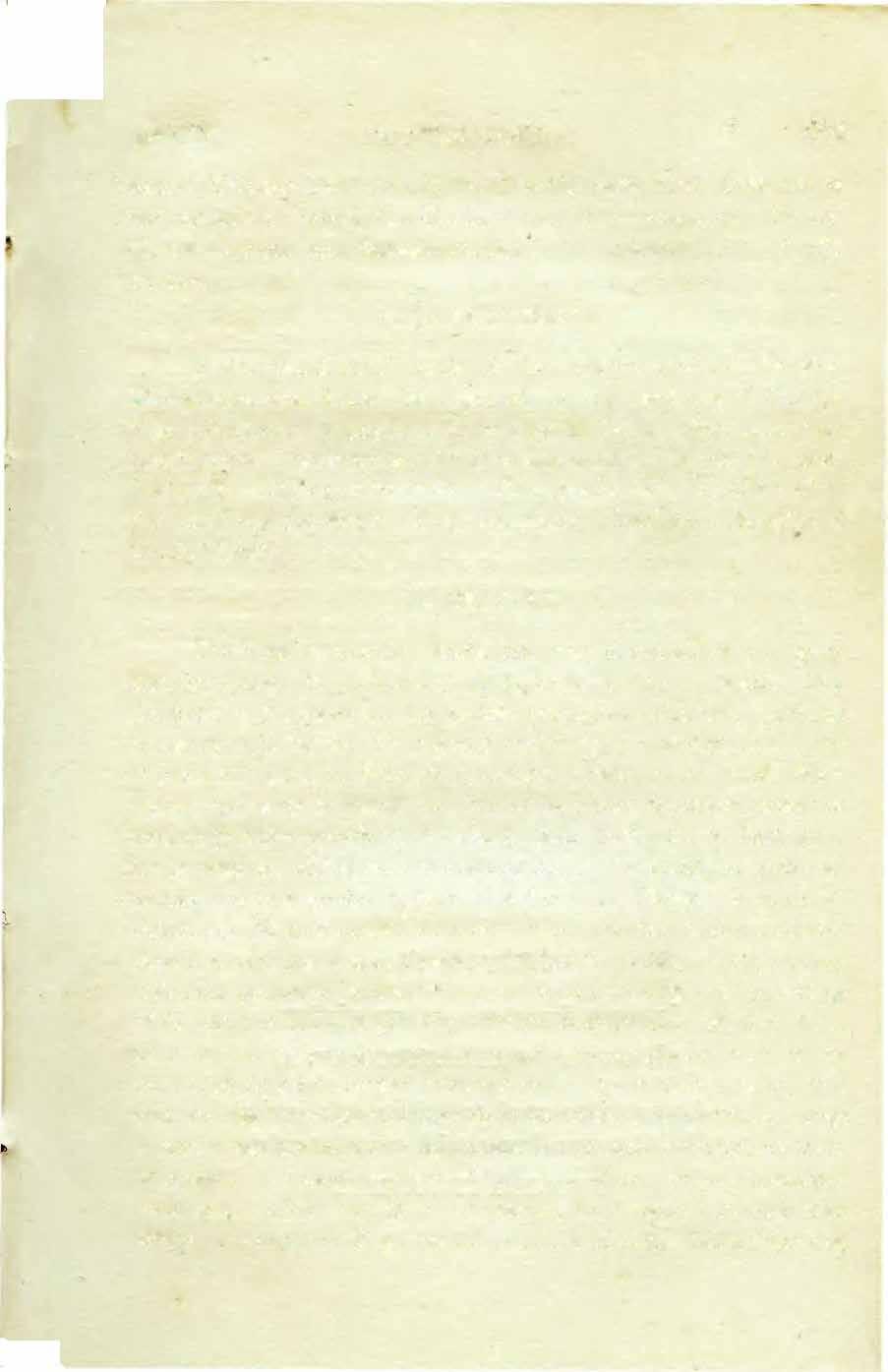
TRANSLATION
In that'Saptasrota' bank of the sevenly divided Ganges, Dhritarastrawouldnow be engaged in the begining of Astanga Yoga practice by taking bath three time in the morning, noon and evening and performing Agnihotra sacrifice in the fire and fasting by drinking water only. This would help in controlling the mind and the senses being completely freed from thoughts of family affection.
PURPORT
The Yoga system is a mechanical way ofcotrolling the senses and the mind for deiverting them from matter to spirit. The preliminary processes are the sitting posture, meditation, spiritual thoughts, utilising the air passing within the body gradually be situated in trance by facingthe Absolute Person Paramatma. Such mechanical ways of rising up to the spiriturl platform prescribe some regulative principles of taking bath three times, fasting as far as possible, sitting with concentration of the mind on spiritual matter and thus gradually becoming free from VishOJla or material objectives. Material existence means to be absorbed in the material objective which is simply illusory. The house,country.family, society, children, property, business, these are some ofthematerialcoverings ofthe spirit Atma and the Yoga system helps one to be free from all these illusory thoughts of the mind and gradually turn it towards the Absolute Person Param-Atma. By material association and education we learn simply to concentrateon such flimsy things as above mentioned and Yoga means the process of forgettin 'gthem altogether. Modern socalled Yogis and Yoga system manifests some magical feats and ignorant persons are attracted by such false things or accept the Yoga system as an art ofcheap healing process

0 \ Text 53] FIRSTCANTb 8�5
for diseases ofthe gross body. But factually the Yoga system is the process of learning to forg et what we have acquired throughout the struggle for existence. Dhritarastra was all along engaged in the matter ofimproving the famUy affairs by raising the standard of living of his sons or by murping the proper ty ofthe Pandavas forthe sake ofhis own sons. These things are common affairs for a man grossly materialistic withou t knowledge of the spi ri tual force how it can drag one from heaven to the hell. By the grace ofhis younger brother Vidu ra, Dhritarastra was enlightened in the matter of his grossly illusory engagements and by such en1ightenment only such grossly materially engaged man was able to leave ho·ne for goodfor spiritual realisationand Sri Naradadeva· wac; juc;t foretelling the way of his spiritual progress in a place which was sanctified by the flow of celestial Ganges. Drinking water only without any solid foodis also accounted for as fasting which is very much nece ssary for advancement of spiritual knowledge. A foolish man want to be cheap Yogi without observing the regulative principles. A man who has no control over the tongue <.t first can hardly become .a Yogi. Togi and Bhogi are two opposite terms. The Bhogi or the merryman for eating and drinking cannot be Yogi and Yogi is never allowed to eat and drink unrestrictedly. We may note with profit how Dhritarastra had began his Yoga system bydrinking water only and sitting calmly in a plare of spiritual atmosphere deeply absorded in the thoughts ofthe Lord Hari the Personality of Godhead.
TEXT No. 54
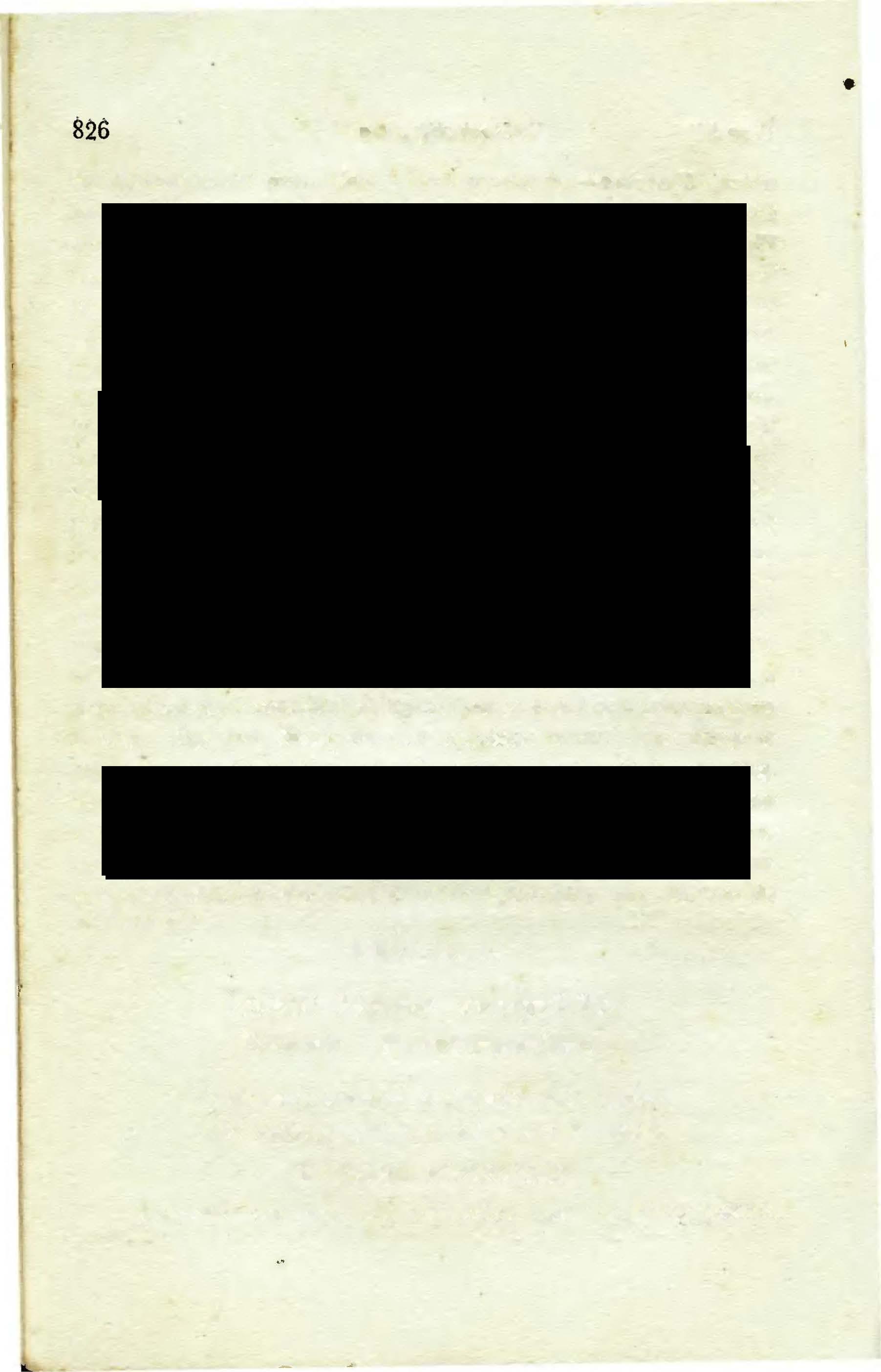
f�mR) f�a�T�: Sf(=lfT(a�fef..-rll:
&f'{�Tcr.:flfT !;�(J�\if:a-�a'f)'la: II
Jeetasanajeetaswasah pratyahrita sada indriyah
Hari bhavanayadhwastarajahsatwatamomalah.
ENGLISHSYNONYMS
Jeetasana-one who has controlled over the sittin� posture,
SRrttlADBllAGWATAM [Ch. 13
•
Jeetaswasa-one who has contro1led over the breathing process, Praryahrita-turning back, Sada-six, Indriya� -senses, Hari-the Absolute Personality of Godhead, Bhavanaya-absorbed in, Dkwasta--conquered over, Rajah-passion, Satwa-goodness, Tamo-ignorance1 Ma/ah-contaminations.
TRANSLATION
One who has conquered over the sitting postures (the Togic Asana) and thus controlled over the breathing process can turn back the senses towards the Absolute Perfonality of Godhead and thus become immune from the contaminations of the modes of material nature namely worldly goodness, passion and ignorance.
PURPORT
The preliminary activities ofthe way of yoga is Asana, Pranayama, Praryahar, Dhyan, Dharana, etc. Sofar Maharaj Dhritarastra was concerned he wasjust to attain success in those preliminary actions because he was seated tight in a fixed up sanctified place and was concentrating upon one objective namely the Supreme personality ofGodhead (Hari). As such all his senses were being engaged in the service ofthe Lord which process directly helps the devotee to to get freedom from the contaminations of the three material modes of nature. Even the highest quality of materia} mode ofgoodness is alsothe cause ofmaterial bondage and what to speak ofthe other qualities namely passion and ignorance. Passion and ignorance increase the material propensiti�s of hankering for material enjoymentand a strong sense of lust for acumulating wealth and power. One who has conqured over these two base mentalitiesand has raised himselfon theplatformofgoodnesswhich .is full ofknowledge and morality cannot also control over these senses namely the eyes, the tongue, the nose, the ear and the touch. But one who has surrendered himself unto the lotus feet of the Lord Hari, as above mentioned can transcend all influences ofthe modes of material nature and be fixed up in the $erviee ofthe Lord,
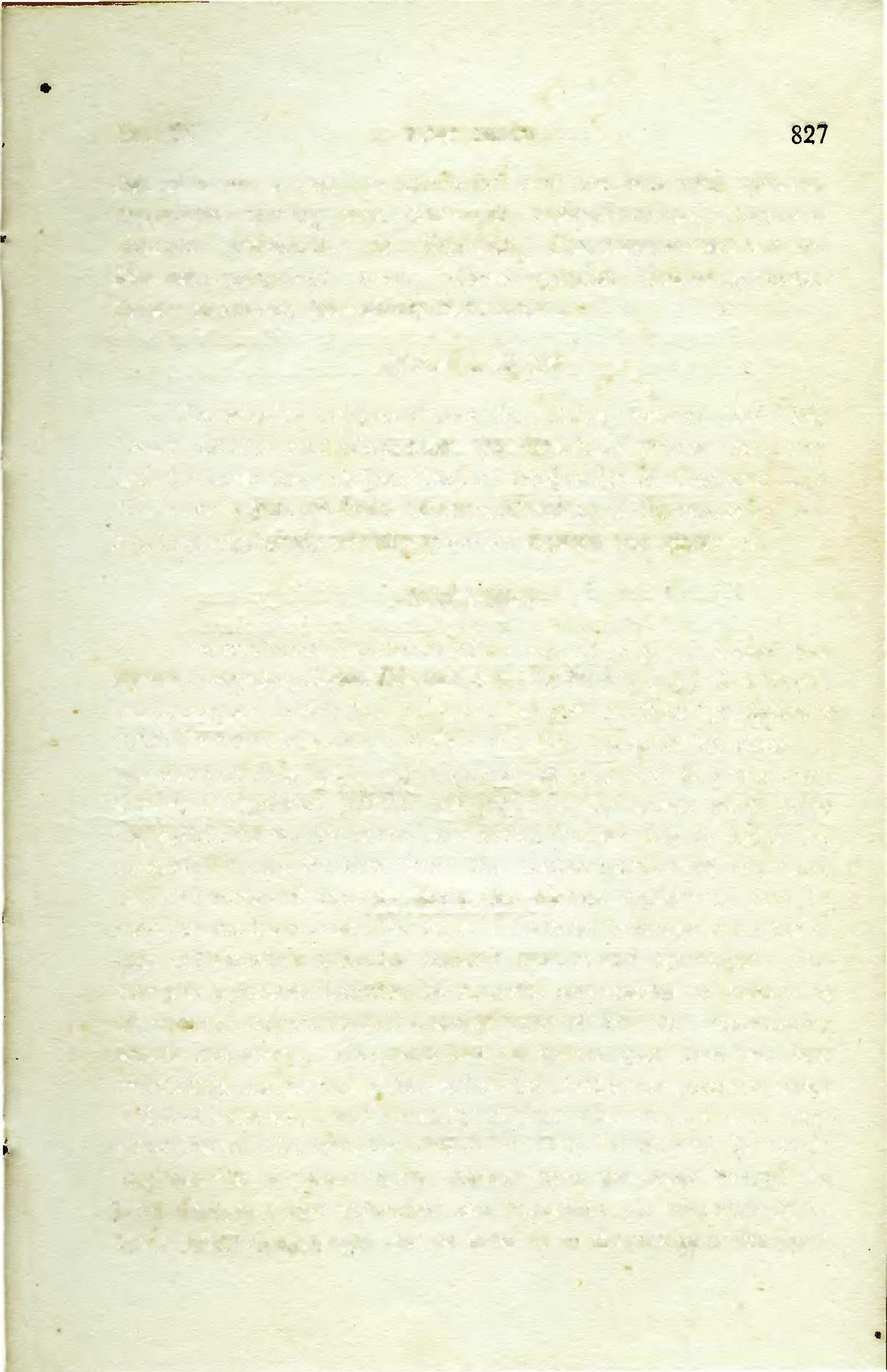
I ,_ • Text 54]
CANTO 827
FIRST
•
The Bhaktiyoga processs therefore directly apply the senses in the loving service ofthe Lord which prohibitsthe performer being engaged in any material activities. This process of turning back the face ofthe senses from material attachment to the loving transcen· dental service ofthe Lord is called Pratyahar and the very process is called Pranayam ultimately ending in the matterofSamadhi or being absorbed in the objective ofpleasing the Supreme Lord Hari by all means.
TEXTNo. 55
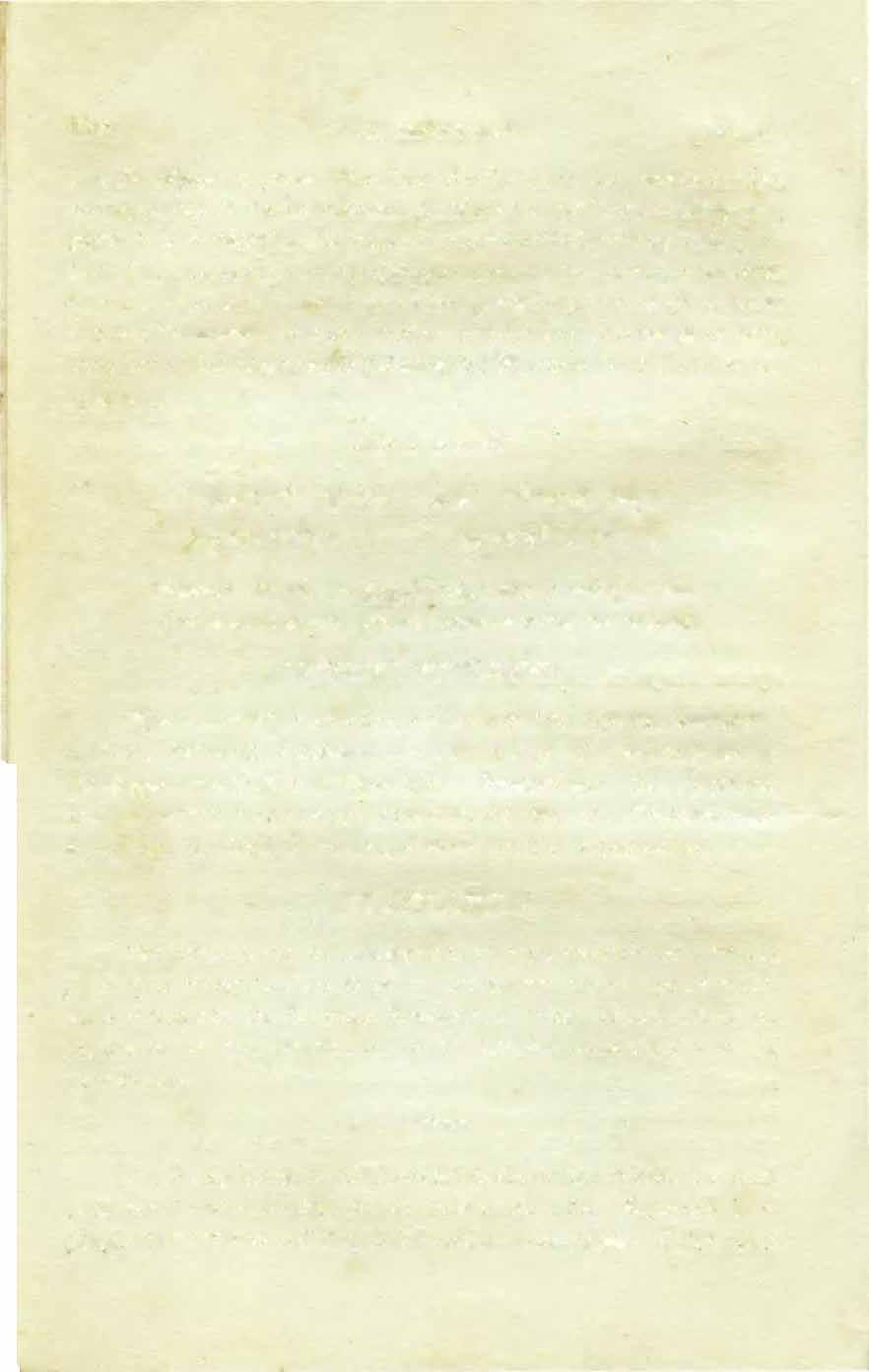
Vijnamr atmani samyojya kshetrajne pravilapya tam Brahmani atmanam adhare ghatambararm iva ambare.
ENGLISH SYNONYMS
ViJnana-purified identity, Atmani -of intel!igence, Samyojyaperfectly fixing up, KshetraJne-in the matter of the living being, Pravilapya-merging in, Tam-him, Bramani-in the Supreme, Atmanam -pure livi1gbeingt Ad�are-in the reservoir, Ghatambaram·sky within the block; Iva -like, Ambare-in the Supreme sky.
TRANSLATION
Dhritarastra had to amalgamate his pure identity with intellegence then merge into the Supreme Being with knowledge of qualitatively one with the Supreme Brahman as living entity. And do ing this he had to transcend in the spiritual skybt.;ing freed from the blocked sky.
PURPORT
The living being by his material desireto lord it over the maeterial world and declining to co-operate with the Supreme Lord contactthe sqm-total of material world namely Mahat Tatwa and

828 SRIMAD BHAGWATAM
13
[Ch.
fcrwA'R�A lfq)� ��� srfcmttlf a'f' ' q:fVlflt�A�TltT=( �l"f�Acfl�i(=( II
from Mahat Tatwa his false identity with the material world, intelligence, mind, and the senses are devoloped all covering his pure spiritual identity. By the Yogic processas abovementioned when his pure identity is realisedwhichisknownasselfrealisationthenone has to revert to the original position first byamalgamating thefive gross dements and the subtle elements mind, intellilegenceintotheMahat Tatwa again. Thus eleminating the pure soul from the combined clutches o the Mahat Tatwa he has to merge inthe existence of the Super soul. In other words he has to realise it that qualitatively he is non-different from the Super soul and as such he transcends the material sky by hispure identiticalintelligence and thu�becomes engaged inthe transcendental loving service of the Lord. This is highest perfectional development of spiritual identity which was attained by Dhritarastra by the graceofVidura and the Lord. The Lord's mercy was bestowed upon him in the matter ofhis personal contact with Vidura and when he was actually in practice in the matter ofthe instructions ofVidura, the Lord helped him in attain· ing the highest perfectional stage.
A pure devotee ofthe Lord does notlive in any planet of the material skynor does he feel any contact with material elements. His socalled material body does not exist being surcharged with spiritual current ofthe Lord's identical interest and thus he is per· manently freed from all contaminations of the sum-total Mahat Tatwa. He is always in the spiritual sky which he attains by in· tercepting the seven-fold material coverings by theeffect ofhis devo tional service. The conditioned souls are within the coverings whereas the liberated soulare far beyond the cover.
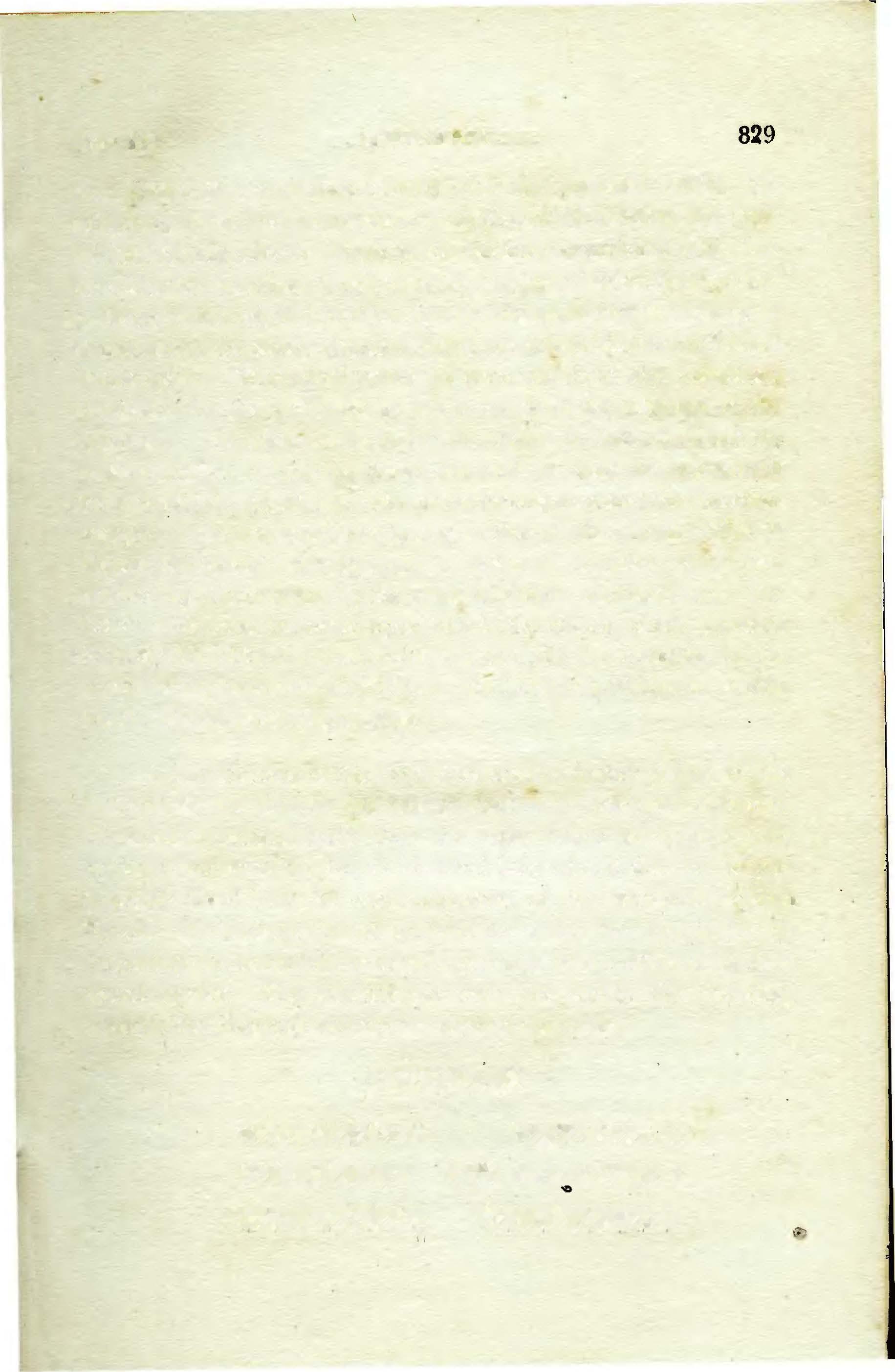
Text 55] . PmST CANTO, 829
No . 56 OC:qta'�T�nTJTTilctiT fi:r((faatf����T� a�l1'T;:auq) �cm:f: ' � f;r����GTTI!ifll: , · QTta ��TGTft��: I ... "•�mfQWfriVJ: 't I•
TEXT
Dhawa�ta mqyaguna udarko niruddha karanasayah .Nibartita akhila ahara aste sthanur iva achalah Tasya antaraya maibabhuh samnasta akhila karmanah.
ENGLISHSYNONYMS

Dhawasta-being destroyed, mayaguna-the modes of material nature, Udarka-after effects, .Niruddha-being suspended, Earanashayah--the senses and the mind, .Nivartita-stoppcd, Akhilaall, Ahara-food for the senses, Sthanur-immovable, Iva-like, Achalah-fixed up, Tasva-his, Antarq)'a-hindrances, Maibneverlike that, Abhu-be, Samnasta-renounced, Akhila- all sorts' Karmanah-material duties.

TRANSLATION
He had now suspended all sense action even from the outside and was completly able of not being distributed by the interaction ofthe senses influenced by the modes ofmaterial nature. After renouncement of al sorts of mtterial duties he is now fix:ed up as immovable and do not become the source ofhindrances on the path.
PURPORT
Dhritarastra had attained by sueh Yogic process the stage of negation from all sorts of material reac tion. The effects ofmaterial modes ofnature drag the victim to indefatigable desires of enjoying the matter but they can be stopped from suchfalse enjoyment by the Yogic pr0cess. Every sense is a!waysbusy in searching its food and thus the conditioned soul is embua�sed from all sides without any chance of becoming steady in any pursuit. Maharaj Yudhisthira was advised by Narada not to distrub his uncle by attempting to bring 11im back at home. He was now beyond the attra ction of anything material. The m1.terial modes ofnature (the Gunas) have their different modes ofactivities but above the material modes of nature there is spiritual mode also whichis Absolute. .Nriguna means • without any reaction. The spiritual me de and its effect are identi-
830 SRIM.AD BR.AGWATAM (Ch. 13
cal therefore spiritual quality is distinguished from the material counterpart by the nomenelature 'Nirguna'. After complete suspen· sion ofthe material modes of nature one is admitted in the spiritual sphere and action dictated by such spiritual mode is called devotional service or 'Bhakti! 'Bhakti' is therefore Nirguna attained by direct contact with the Absolute.
TEXT NO.57
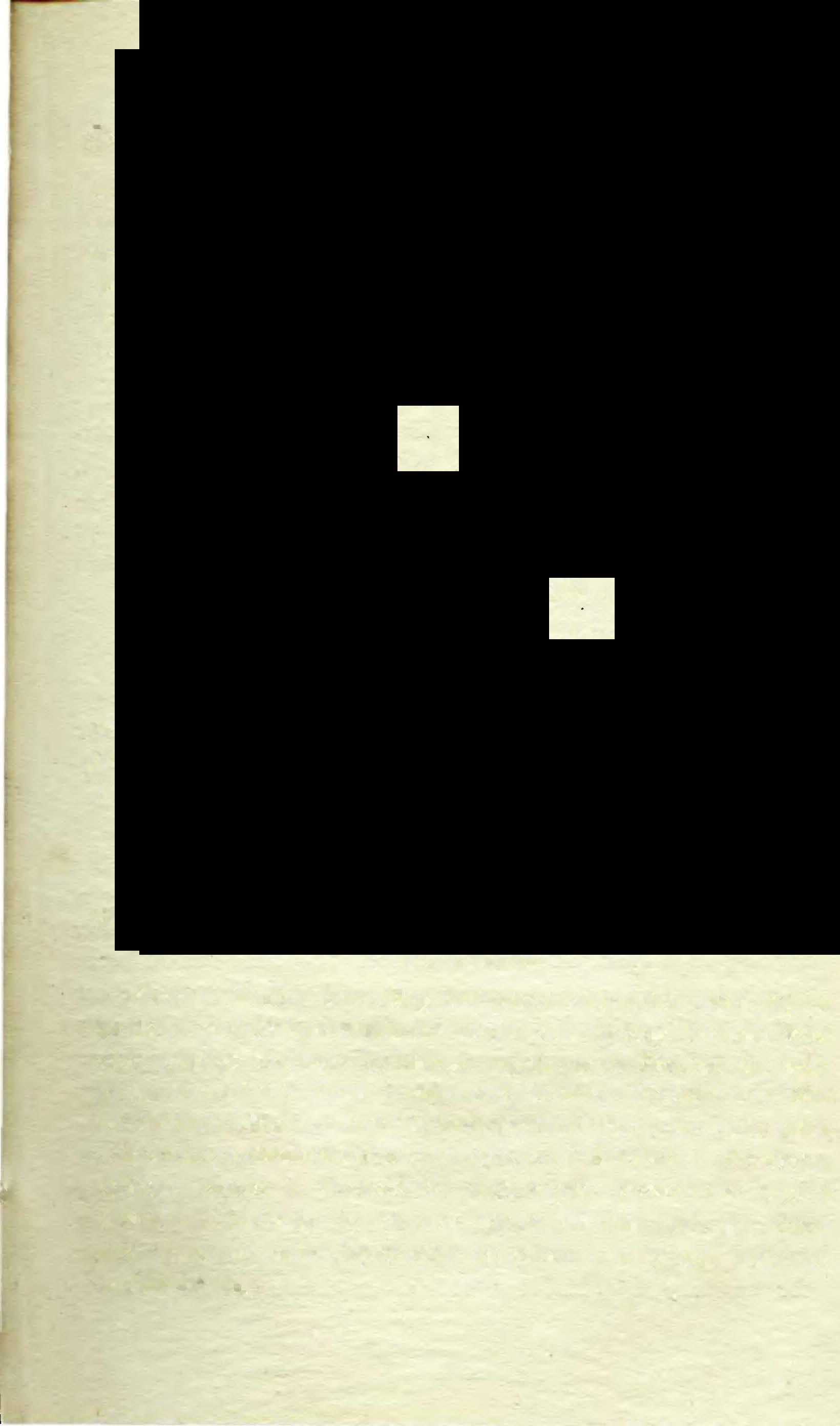

� eft "'-'�ifT� �T;fi q�a: q���R 1 ��'('! �T�f� t=ci �:a:q 1f''ft1ffitmtfa ••
Sa ba adya lanad rajan paratah panchame ahani
Kalevaram hasyati swam tat cha hhasmi hhavishyati.
ENGLISH SYNONYMS
Sa-he, Ba-in all probablity, A&a -to-day, Tanad-From Rajan-oh the king, Paratah -ahead, Panchame-on the fifth, Ahani-day, Kalevaram-body, Hasyati-Shaii quit, Swam-his own Tat-that, Cha -also, Bhasmi-ashes, Bhavishyati-will turn into.
TRANSLATION
Oh the king he shall quit his body most probably on the fifth day from to-day and that also will turn into ashes.
PURPORT
Narda Muni's foretelling prohibited Yudhisthir Maharaj to go there at the place where his uncle was staying because even after quiting the body by hisown mystic power Dhritarastra wont be in need of any funeral ceremony because the indicaton told by Narada 1\funi was that his body by itselfwould burninto ashes without any extraneous effort by any one of his relative. Perfection
ofYoga system is attained by such mystic power : the yogi is able to quit his body by his own choice of time and can attain any planet he desires by turning the present body into ashes by selfmade fire.
Text 57] FIRS'.r CANTO 831
't
SRIMADBHAGWATAM
TEXT No. 58 ilWqT�Sfit=rf1fi� q��: q�;;) ��)a-iif I



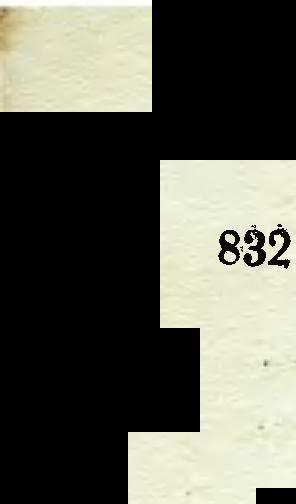
iff�:f��aT qft=f �n�CJT aqftt:r¥12 ���fa II
Dahyamane agnibhir dehe patyuh patni sahotaje
Bahi sthita patim saddhi tam agnim anubekshati.
Dahyamane-while it is burning, Agnibhir-by the fire. Dehe-the body, patyuh-of the husband, patni-the wife, Sahotaje-aiong with the thatched cottage, Bahi-outside. Sthita-situated, Patim-unto the husband, Saddhi-the chaste lady, Tam-that, Agnim-:fire, Anubekshati-loo'k in with great attention shall enter into the fire.
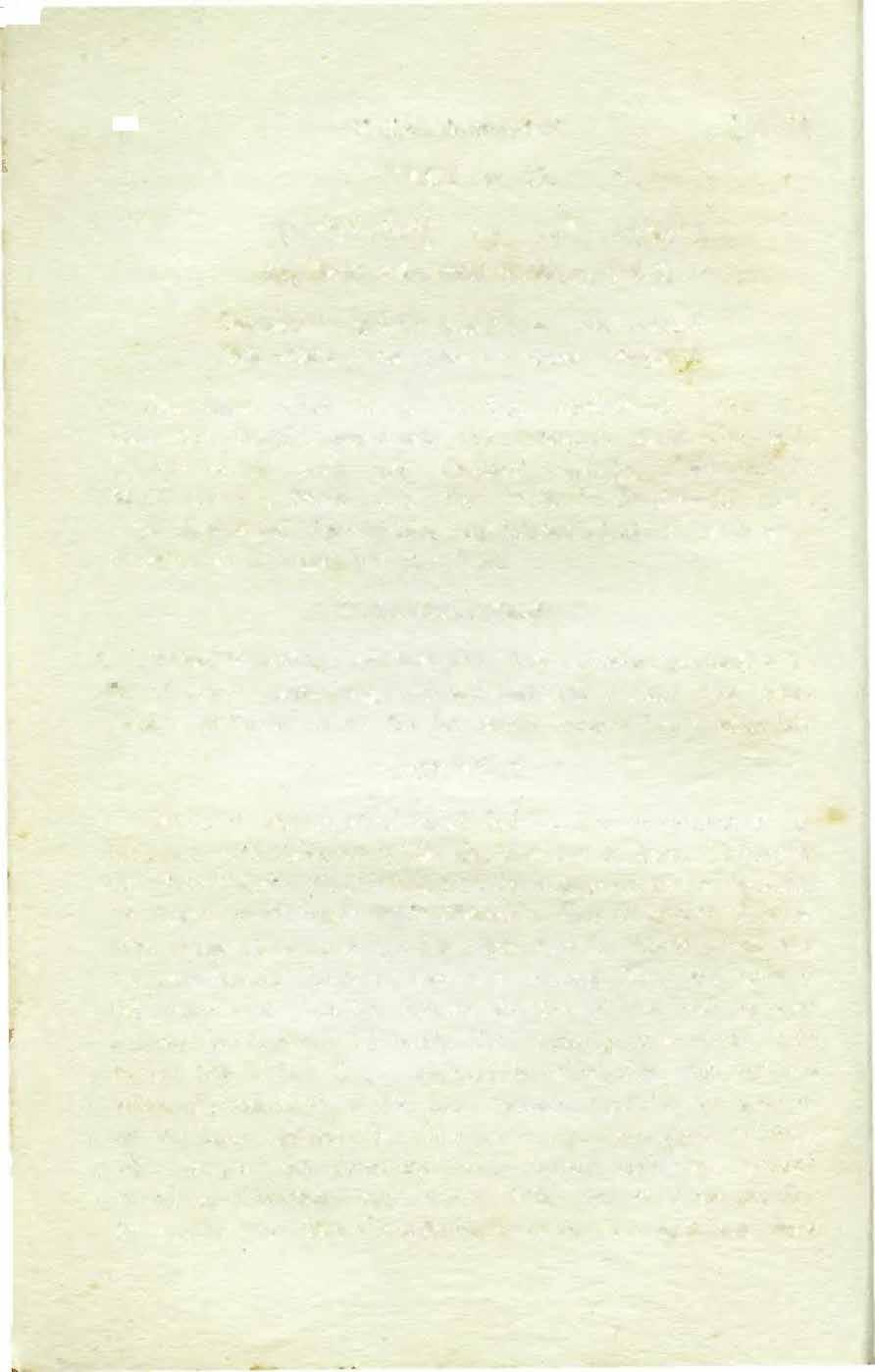
TRANSLATION
While observing her husband, from outside, burning in the fire of mystic power along with the thatched cottage, the chaste lady would enter in to the fire while lookmg very attentivly.
PURPORT
Gandhari was the ideal chaste lady a life companion of her husband arid therefore while she saw her husband burning in the fire of mystic Yoga along withthe cottage of leaves, certainly her despair oflife could not be described. She cameout of home after losing all her one hundred sons and in the forest she saw her most beloved husband was also burning. Now she actually f€lt alone and therefore entered the fire of her husband and follmred her husband tilldeath.Thisentering of a chaste lady in the fire of her dead husband is called Sati rite and the action is cosidered as the most perfect stage for an woman. In the later age this Sati rite became an obnoxious criminal affair because the ceremony was forced upon an woman unwilling to become Sati. In this fallen age it is not possible for any lady to follow the Sati rite as chastely as it was done
� I
[Ch. 13
text 59]
FIRSTCANTO 833

,, by Gandhari and others of by-gone age. A chaste wife like b} Gandhari would feel the separation of her husband more burning than actual burning in fire. Such lady could observe the Sati rite voluntarily and there was no criminal force by any one. When the rite became a formality only and force was applied upon a lady to follow the principle actually it became criminal and therefore the ceremony was to be stopped by state law. This f<?retelling of Narada Muni to Maharaj Yudhisthir forbade him to go to his wtdow aunt even.
TEXT No. 59
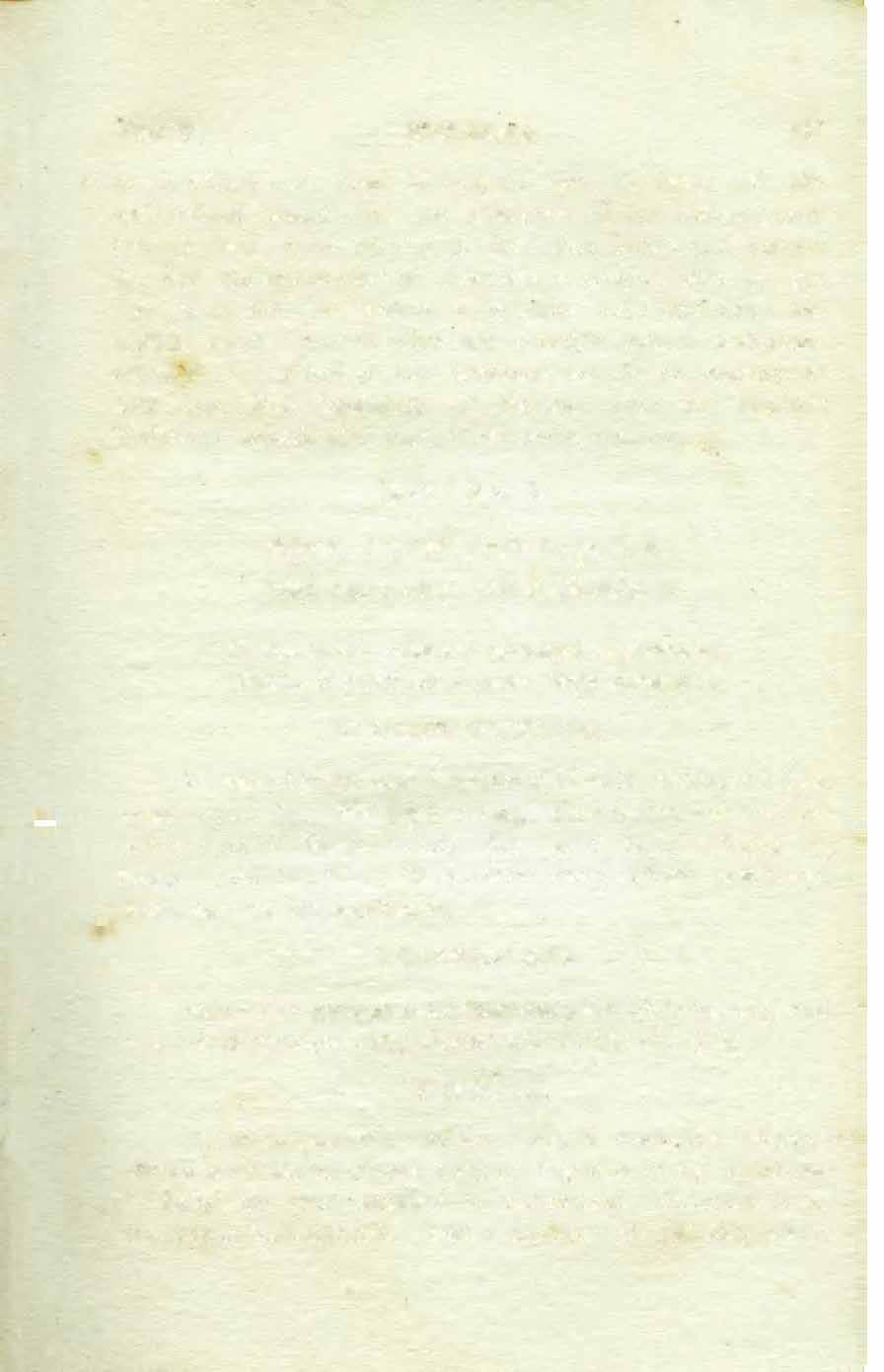
Viduras tu tad ascharyam nishamya kurunaudana Harsa sokayutas tasmatganta tirtha nishevakah.
ENGLISHSYNONYMS
Viduuras-Vidura also, Tu-but, Tad-that incidence, Ascharyam-wonderful, Nishamya-seeing, Kurunaadana-oh the son ofkuru dynasty, Harsa-delight.• Soka-grief, Yutas-affected by, Tasmat-from that place, Ganta-went away, Tirtha-pilgrimage, -· Nishevakah-for beingenlivened.
TRANSLATION
Vidura also shall go away fromthat place for being enlivened in sacred pilgrimages being affected with dtlight and grief.
PURPORT
Vidura was astonished to see aboutthe marvelous departure ofhis brother Dhritastra as a liberated Yogi even though in his past life he was too much attached to materialism. Offcourse it was only due to Vidura that his brother attained such desirable goalof
f���� a"qt�qtf. f.:r�T;i{ �;:�ff I �ti����a'a'"''{ ;or;aT a)qf.:r�cr�: 11
life. He was therefore glad to Jearn about it. But he was sorry also that he could not make his brother turn into a pure devetee. Either this was not done by Vidura on account of Dhdtarastra becoming too much enemical to the Pandavas who were all devotees ofthe Lord. Offence atthe feet of a Vaishnava is more dangerous than an offence at the lotus feet of the Lord. Offence at the feet of the Lord is easily excused by the Lord Himselfbut offence at the feet of a devotee is never excmed by the Lord. Vidura was certainly very liberal to bestow mercy upon his brother Dhritarastra whose past life was too much materialistic. But ultimatelythe result of such mercycertainly depended on the will ofthe Supreme Lord in the present life therefore Dhritarastra attainedJiberation only and after many such liberated state of life one can attain to the stage of devotional service. Vidura was certainly ver� mortified for the death of his brother and sister in law and the onlyremedy formitigating such lamentation was to go out to pilgrimage and thus Maharaj Yudhisthira had no chance to call back Vidura his surviving uncle.
TEXT N0.60
•
iC7fKCIT'11"�f�
";tt�: ��g;�: t
f!fE���' C(;jf'(f'ql[� Cf!(ctl\Sf���: ''
Iti uktma atka aruhat swargamnaradah saha tumburuh
Tudhisthira vachas taHa hridikritwa jahat suchah.
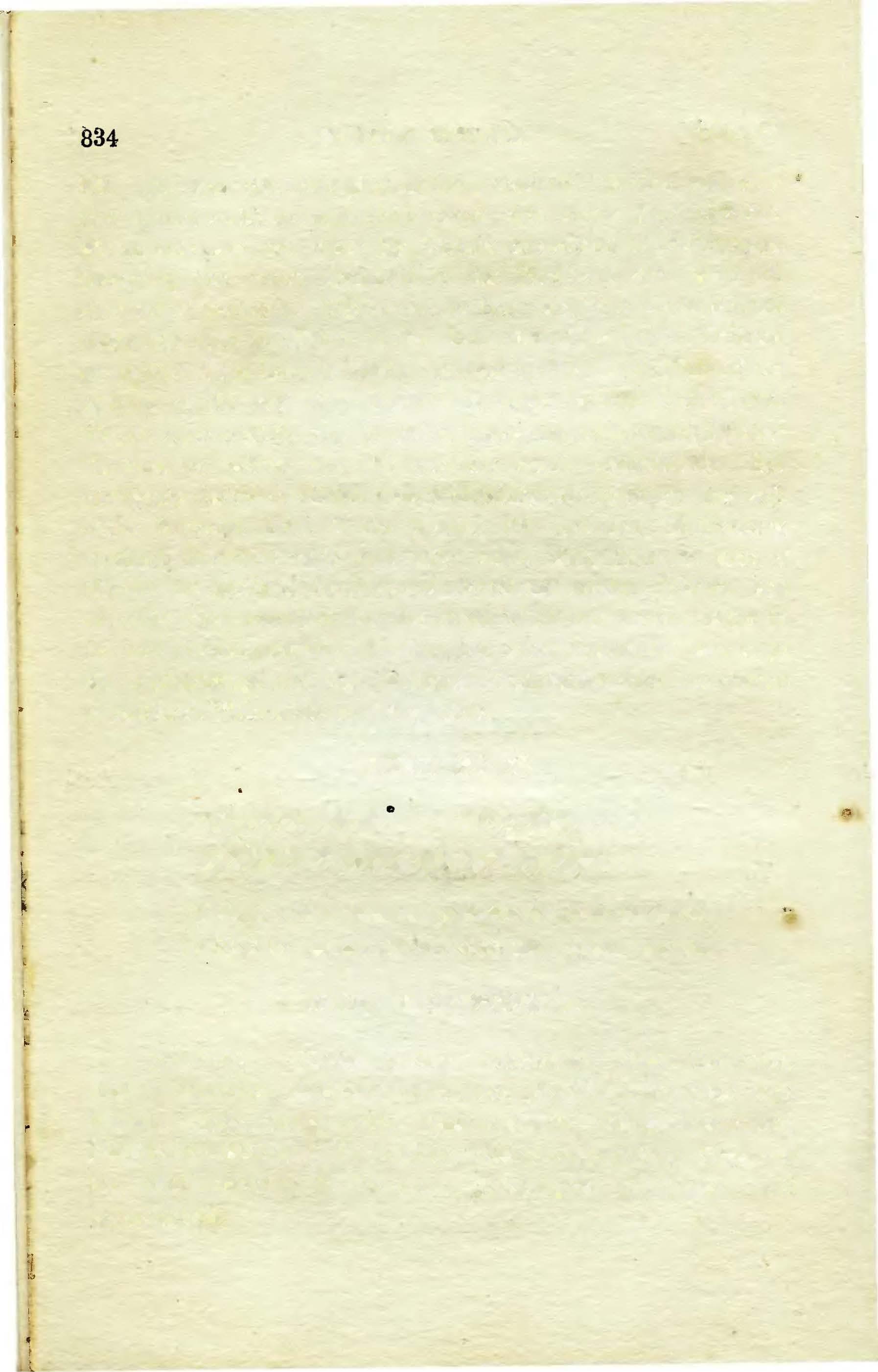
ENGLISHrsYNONYMS
Iti-thus, Uktwa-having addressed. Atka-thereafter, Aruhat-ascended, Swargam- outerspace, Naradha-The great sage Narada, Saha-along with, Tumhuruh-his string instrument, Tudhisthira-Maharaj Yudhisthira, Vachas-insiructions, Tasya-of his, Hridi-keeping in the heart, Jahfit-gave up, Suchah . all lamentations.
834 SRIMAD BHAG\VATAM [Ch. 13
After trying allthese the great sage Nsrada along �ith His string instrument Tumburu got up in the outer space and Yudhi sthira keeping his instrucrions at heart was able to get rid of a11 lamntations.


PURPORT
Sri Naradaji is an eternal spacemanhavingbeenendowedwith spiritual body by the Grace of the Lord. He can travel in the outer space of both the material and spiritual worlds without any restriction and can approach any planet within the unlimited space and that also within no time. We have already discussed about his previous life ofbeing the son of a maid servant but on account ofhis association with pure devotees he was elevated to the position of becoming eternal spaceman andhasfreedomofmovement. One may therefore try to follow the foot prints of Narada Muni instead of making futile effort for reaching other pJanets by mechanical means. It isnot possidle toreach even the nearestplanet Moon by such mechanical means. Mal�araj Yudhisthir was the pious king and therefore he could see Narada Muni occasionally : any one who may desire to see Narada Muni may firstly be a pious man by following the foot prints ofNarada Muni.
Thus end the Bhaktivedanta Purports of the First Canto Thirteenth Chapter in the matter of Dhritarastra Quits Home.
Text 60] FIRSTCANTO 835 TRANSLATION
FoURTEENTHCHAPTER
Disappearance ofLord Krishna:
TEXT No.I �a-:;;qrq: ��stft:�a iT�Cf\Ttrt f�1S'Gft �;�fq:��'-n • iiflg. ilf �q��)��tref!1S'Gt�tr ilf f"�f1Sett� II



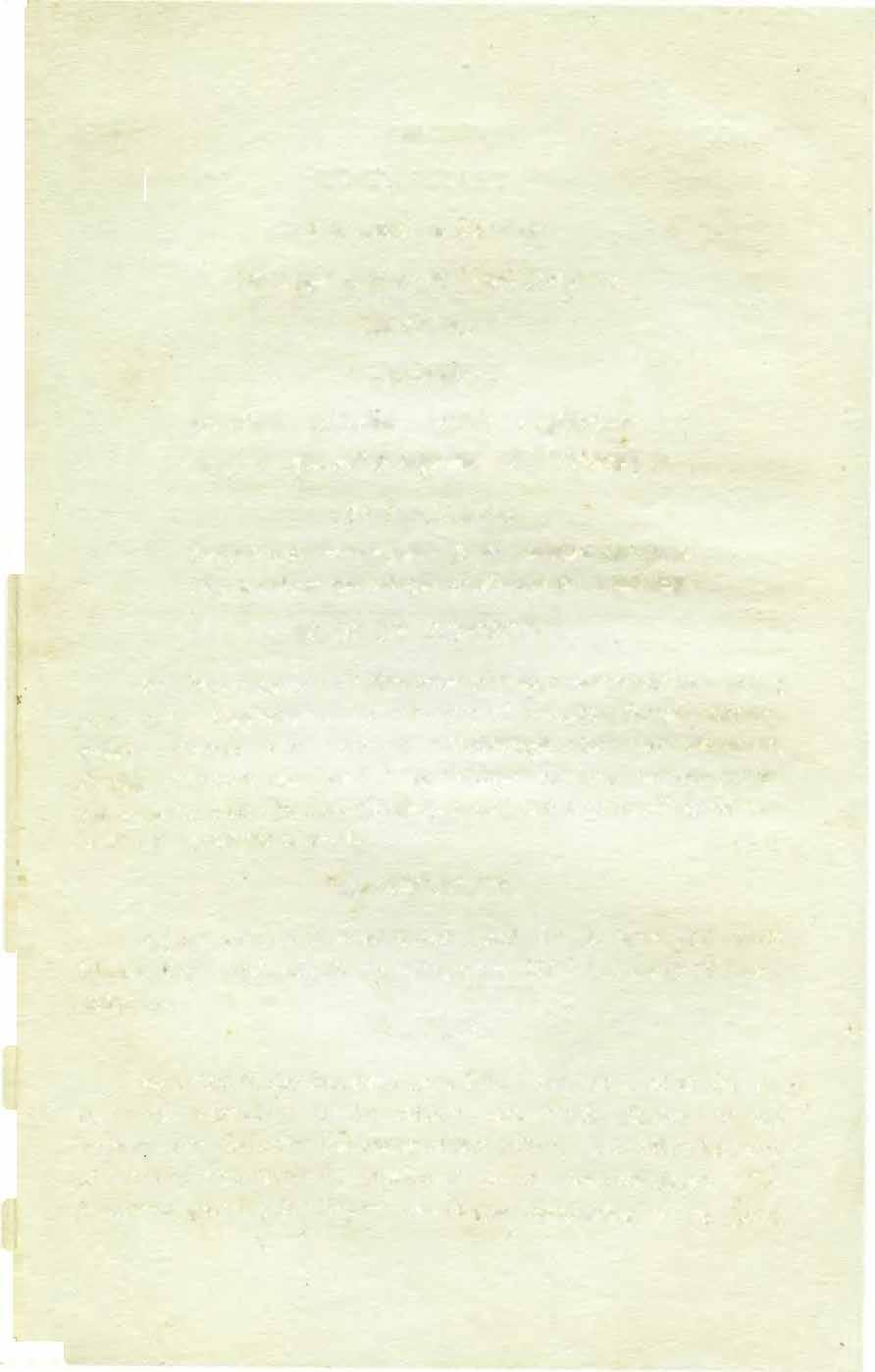
Sri Sura Uvacha: SampraJthite dwarakayam jisnou bandhu dtdriksaya Jnatum cha punyaslokasya krishnasyacha vichestitam.
ENGLISHSYNONYMS
Sri Suta uvacha-Sri Sutagoswami said: Samprasthite-having gone out, Dwarakoyam-in the city of Dwarka, Jisnou-Arjuna, Bandhu-friends and reltives, Didrkshaya -for meeting them, Jnatum-to know, cha-aiso, Punyaslokasya-of One whose glortes are sung by Vedic hymns, Krihnasya -ofLord Krishna, Vichestitamfurther programme ofwork.
TRANSLATION
Arjuna went to Uwarka to see Lord Sri Krishna and other friends .here and also for knowing from The Lord about His next activities.
PURPORT
As stated in the Bhagwat Geet The Lord descended on the earth for protection of the faithful and anninihilation of the impious men and after the battle ofKuruklhetra and e�tablishment ofMaharaj Yudhtsthir the mission ofthe Lord was complete. The Pandavas specially Sri A�juna_was eternal companion of the L.ord
'
and therefore he went to Dwarka to know from the Lord about His next programme ofwork.

TEXT NO. 2

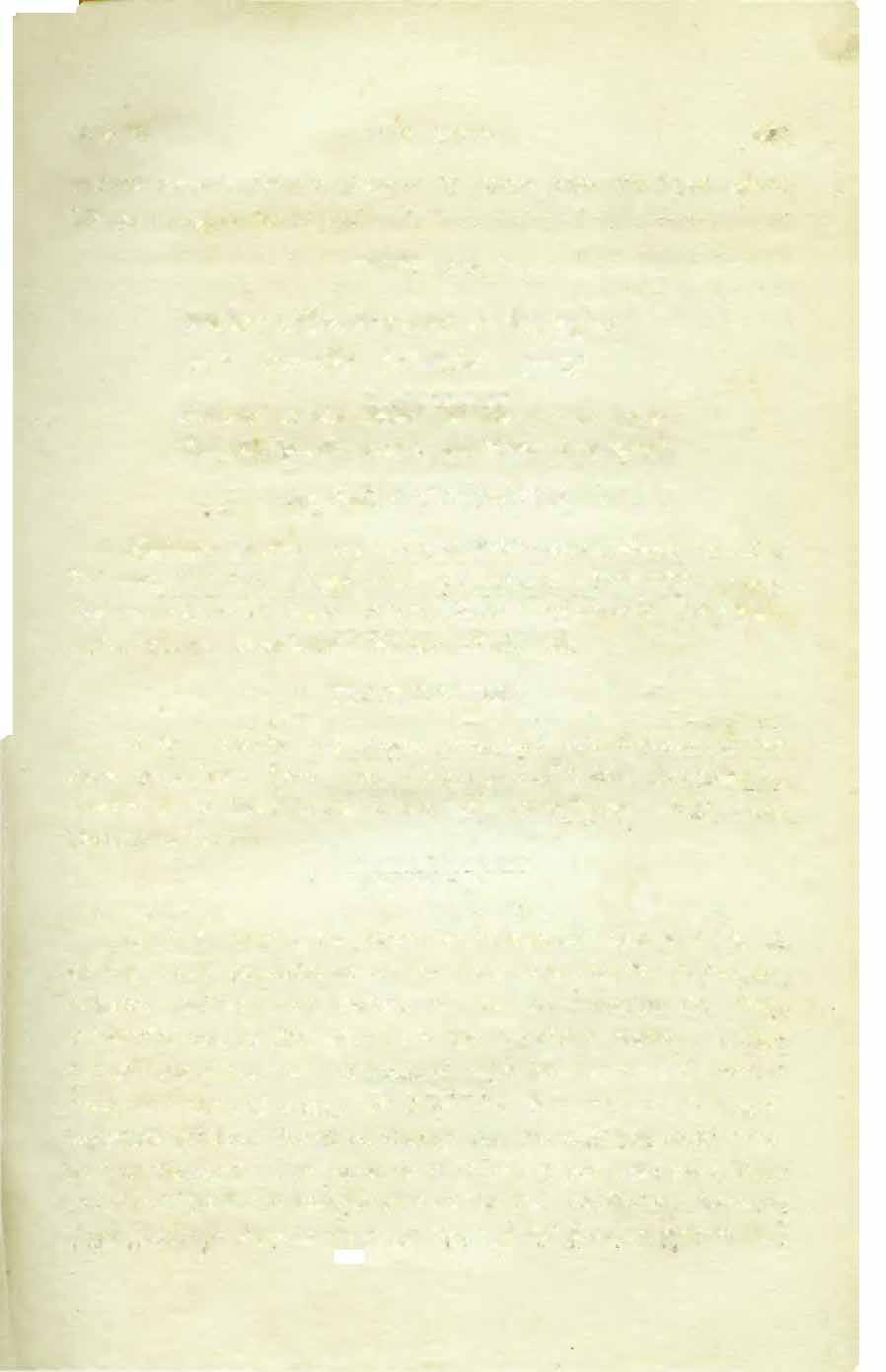
��tcftat:lfifa�tij'f�Tifttn�a)SJ·if:1
..u •)�qfvr RfimTR �: 11
Byatitah katichit ma.ras ada nayat tato arjuna
Dadarsa ghora rupani nimittani kurudbahah.
ENGLISH SYNONYMS
Byatitah-after passing away, Katichit-some, Masah-months, Tada-at that time, Nayat-did D:Ot return, Tato-from there, Dadarsa-observed, Ghora-fearful, Rupani--appearances, Nimittani-various causes, Kurudbahah-Maharaj Yudhisthir.
TRANSLATION
A few months had pasred away and still Arjuna did not come back from there and Maharaj Yudhisthira also began tp. observe some inauspicious causes of appearences whi�h were themselves fearful.
PURPORT
Lord Srikrishna the Supreme Personality Godhead is ad irifinitum more powerful than the most powerful Sun ofour experience. Mtllions and billions of suns are created by Him and annihilated by Him within His one breathing period. In the material world the sun is considered to be the source ofall productivity and material energy and due to the Sun only we can have necessities oflife. Therefore, during the personal presence ofthe Lord on the earth all paraphernalia of our peace and prosperity_ specially religion and knowledge were in full display on account ofthe Lord's presen�e as much C!-S there is �11 :ff.ooq oflight in th�
Text 2] FIRST CANTO 837
presence ofthe glowing sun. Maharaj Yudhisthir observed some discrepancies in his kingdom and therefore, he became too murh anxious about Arjuna who was long absent and there were no news about Dwarka's well being. He suspected disappearance of Lord Krishna otherwise there was no possibility offearful causes of inauspicity.
TEXTNo.3
'f)T\=f'tf � 'ffif �'lri fcrqtf,ag"''lti'T: '


qfqrtt�l ""t •tai .. . '
'ft)ar�)WTiiat�'lifT'f tI
Kalasya cha gatim roudram viparyastar tu dharmanah
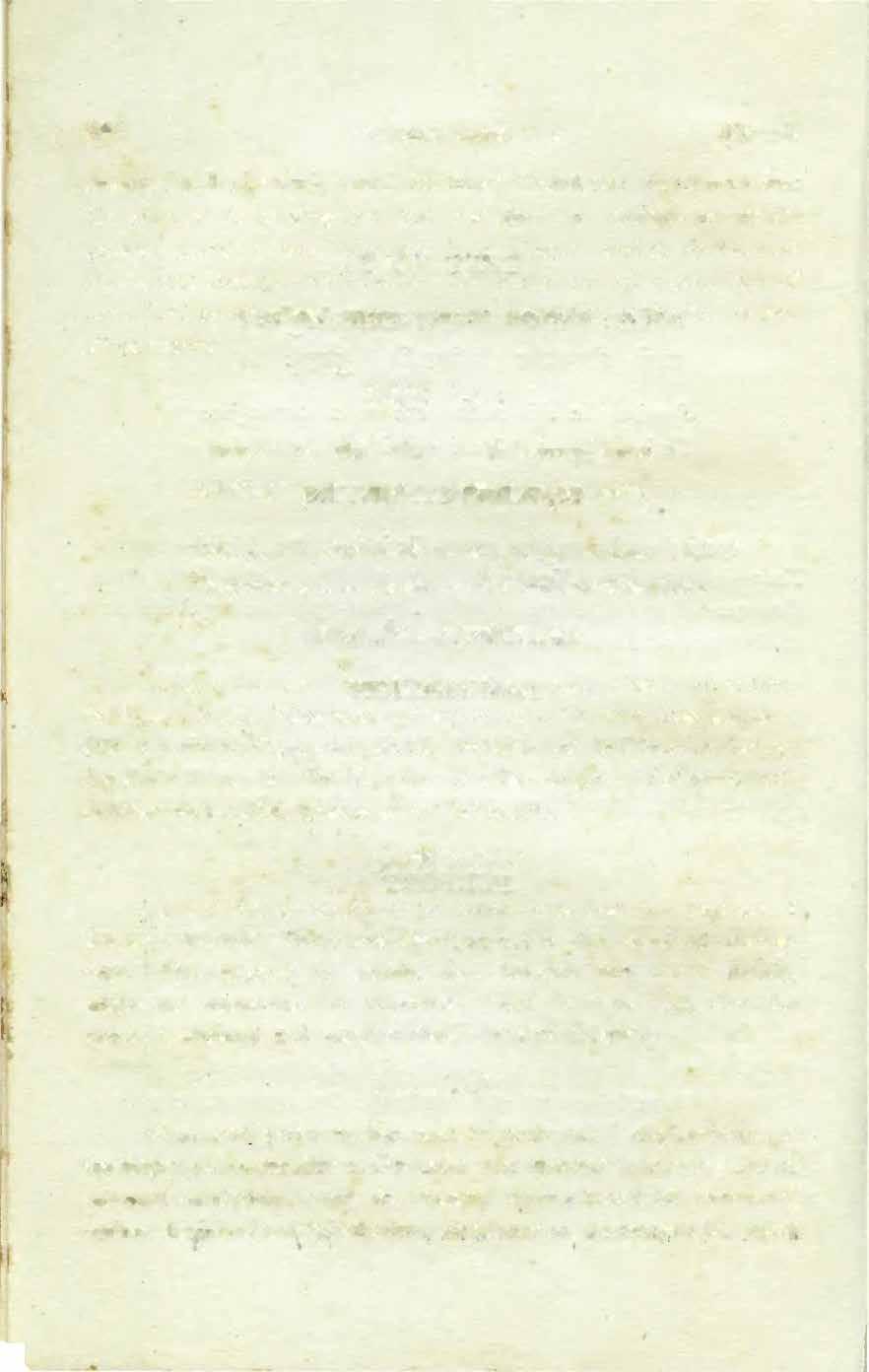
Papiya5imnrinam vartam krodha lobha anritatmanam.
ENGLISH SYNONYMS
Kalasya-of the eternal time, Cha-also, Gatim-direction, Roudram-fearful, Viparyastar-discrepancies, Tu -but, Dharmanahspecific function, Papiyasim -sinful, Nrinam-of the human being, Vartam-means of livelihood, Krodha-anger, Lobha-greed, AnrJtam-falsehood, Atmanam-of the people.
TRANSLATION
He saw that direction ofthe eternal time had changed and it was very fearful. There was discrepancies in the seasonal regulations. The people in general had become too much greedy, angry and accustomedto falsehood. And he saw also that the people in general had adopted foul means.oflivelihood.
PURPORT
When civilization is disconnecttd with the loving relation of the Supreme Personality ofGodhead the symptoms like change of seasonal regulations, man's foul means of livelihood, all becoming �oo much greedy angry, affinitive forfalsehood1 all becOJ;ne too rnt,Ic4
838 SRJMADBHAGWATAM [Ch. 14
Text3)
FIRST CANTo
rampant. G:hange of seasonal regulation mean& :atmosphere of one season being manifested in another season for example the rainyseason transferred to automn or the fruits and flowers ofone season becoming fructified in another season. A godless man is invariably a greedy, angry and accustomed to falsehood man.Such man can earn his livelihood by any means never mind black and white. During the reign of Maharaj Yudhisthir all the above symtorns were conspicuous by their absence. But Maharaj Yudhisthir was astonished to experience even a slight change in the godly atmosphere ofhis kingdom and at once he suspFcted disappearance of the Lord. Foul means of livelihood means deviation from one's occupational duty. There are prescribed duties for every one such as the Brahmin, Kahatriyas, Vaishyas and Sudras but any one ofthem who deviates from� the prescribed duty and declares at the same to belong to the particular section it is called foul means of occupational duty. A man becomestoo much greedy for wealth and power when he has no higher objective of life and when he knows only this earthly life for a few years is all in all. Ignorance is the cause for all these anomalies of the human society and to remove this ignorance oflife specially in this age of degradation the powerful sun is there in,the shape ofSrimad Bhagwatam to distribute light.
TEXTNo.4
f�wsn� a�q� �'��"'� "" �� •
fqEJ'IRJ!(Ct�T�q1=qat;:ri !if lfit:�;:r� tt
Jimbhaprayam byadahritam shathya: misrancha souhridam
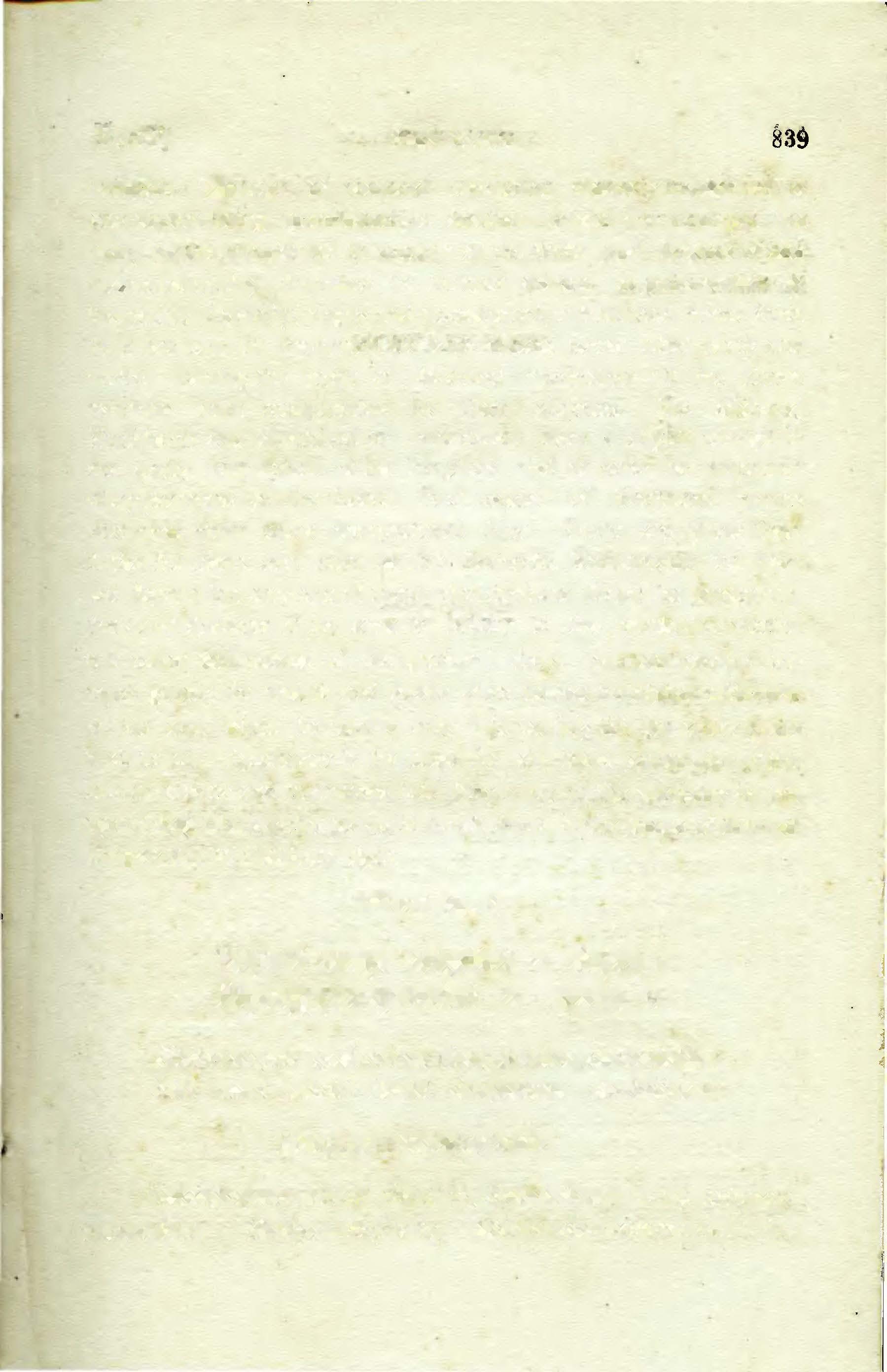
Pitri matri suhrid bhratri dampatinam cha kalkanam
ENGLISHSYNONYMS
Jimbhaprayam-almost cheating, Byabahritam-in all ord!nary transactions, Shathya-duplicity, Mishrancha-adulterated m,
Souhridam-in the matter friendly well wishes, Pitri-father, Matriin the matter of the mother, Bhratri-one's own brother, Dampatinam-in the matter of husband and wife, Cha-also, Kalkanam-mutual quarrel.
TRANSLATION
All ordinary transactions and dealings become poluted with cheating; even they are mixed up with cheatings between a friend and friend. And over all in the family affairs there is always misunderstanding between father mother and sons, between wellwishers, between brohters and even with husband and wife there is always a strain ofmind and quarreL
PURPORT
A conditioned living being in endowed with four principle of malpractices namely errors, insanity, inabilityand cheating. These are signs of imperfectness and out of the four one malpractice namely the propensity for cheating others ismost prominent. And why this cheating practice is there in the conditoned soul because the conditioned souls are primarily in the material world imbued with an unnaturaldesire for lording it over the material world. A living being in his pure state is not conditioned by the laws because in his pure state he is conscious that a living being is eternally subservient to the Supreme Being and as such it is always good for him to remain as subservient, instead of-falsely trying to lord it over the property of the Supreme Lord. In the conditioned state such living being is not satisfted even ifhe becomes actually the Lord ofall that he surveys which he never becomes and there fore he becomes the victim of all kinds �of cheating even with his most nearest and intimate relations. In such unsatisfactory state of affairs there is no harmony even between the father and the sons or berween the husnand and the wife. But al1 these contending
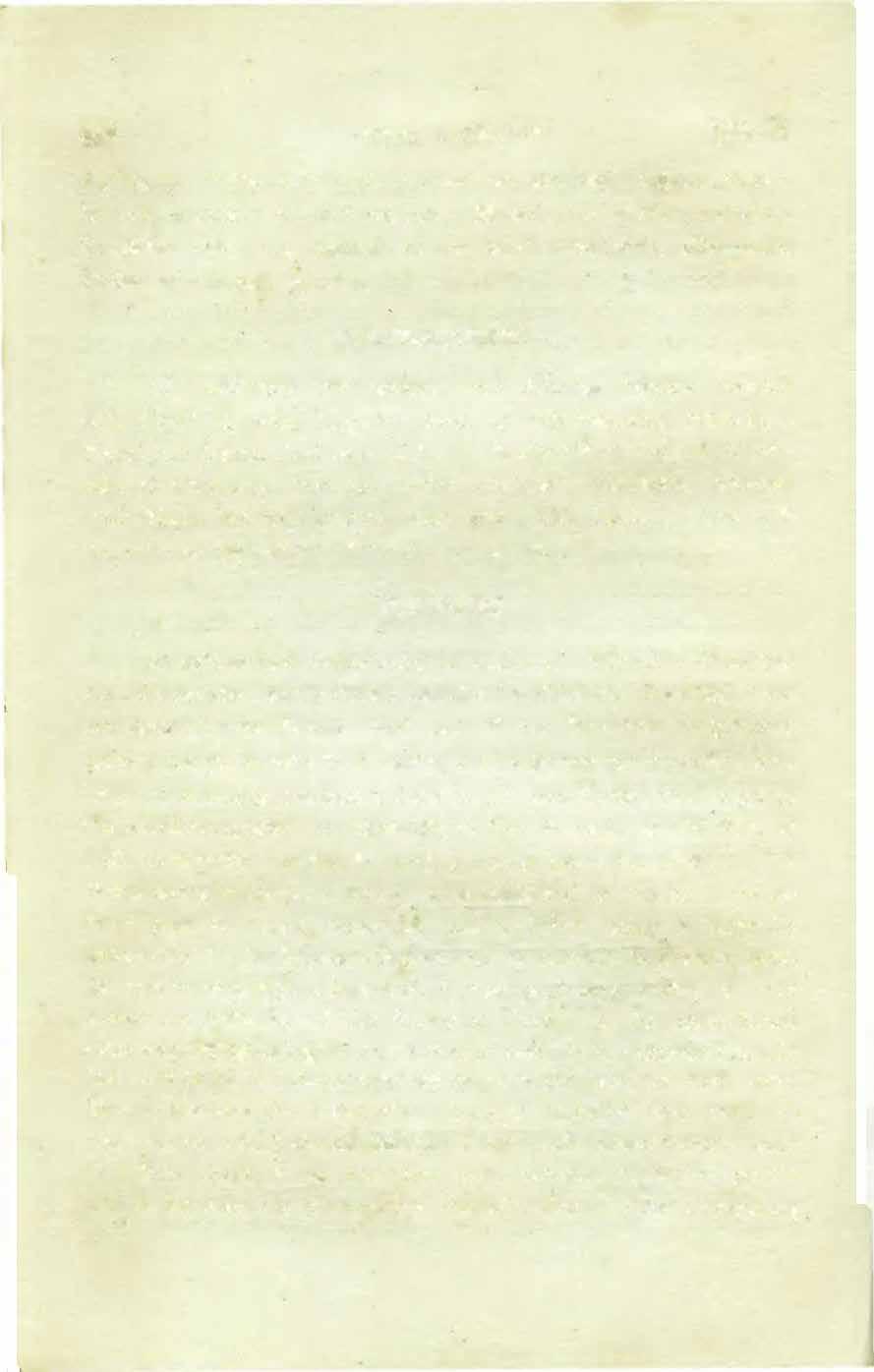
840 SRIMDBIU.GWATAM (Ch. 14
difficultes can be mitigated by one sanguine process and that is devotional service �.-f the Lord. The world of hypoc1isy can be checked only by counteraction of devotional service of the Lord. and nothing else. Maharaj Yudhisthir having obserived the disparities, conjectued dislocation of the Lord's presence on the earth.
TEXT No.5


Nimityani ati aristani kale tu anugate nrinam Lohhadi adharma prakritim dristwa uvacha anuajm nripah.
ENGLISH SYNONYMS
Nimityani-causes, Ati-very serious, Aristani-inausplcities, Kale-in course of tim�, �u-but, Anugate-passing away, nrinamofthe humanity at large, Lobhadi-greed etc, Adharma-irreligious Prakritim-habits, Dristwa--having observed, Uvacha--said, Anujamyounger brother, Nripah theking.
TRANSLATION
In course of time it has come to happen that people in general have become accustomed to greed, anger, pride etc and Maharaj Yudhisthir having observed all these serious inauspicities adressed his younger brothers and said.
PURPORT-

A pious king like Maharaj Yudhisthir at once became perturbed in mind when there was such inhumanly symptoms as greed, anger, irreligiosities; hypocrisy rampant in the society. And it appears from this statemant that all the abovementioned symptoms ofdegraded society were unknown to the people of the

Text 5] FIRS;_tCANTO S41
�(�i{VfT'{ I \=rt�TVCTqsr�fa '!�er);:n� '!q: II
fitf�pq(lff'(l)a'ffif
SRIMADBHAGWAtAM (Ch.14
time and it became astonishing for them to have experienced them with the advent of the Kali Yuga or the age of quarrel.
TEXT No. 6
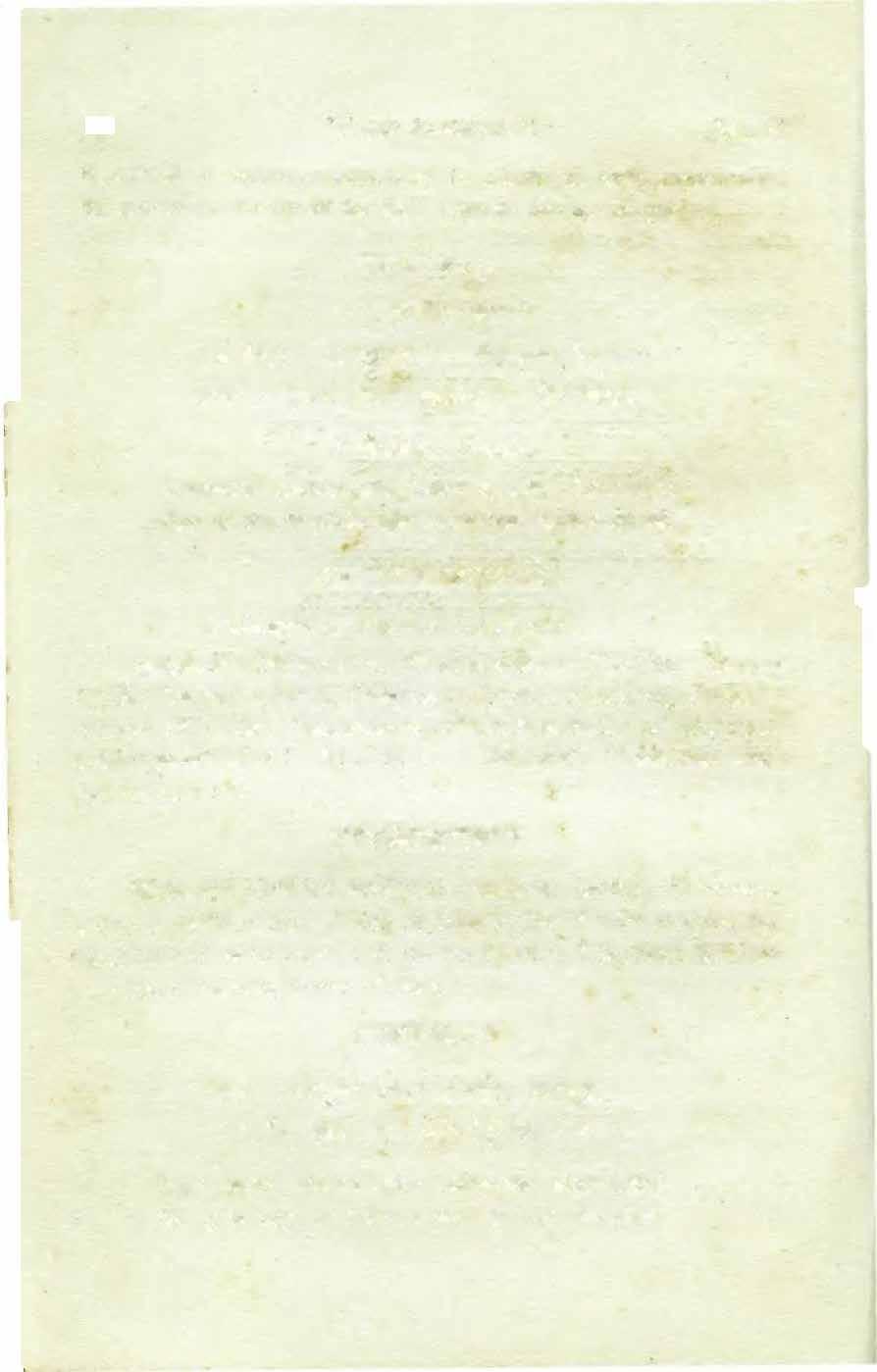
�ferf����
��fiSfcr) at'{'fn� "'tsvraf;:qf��R�T • • •c.

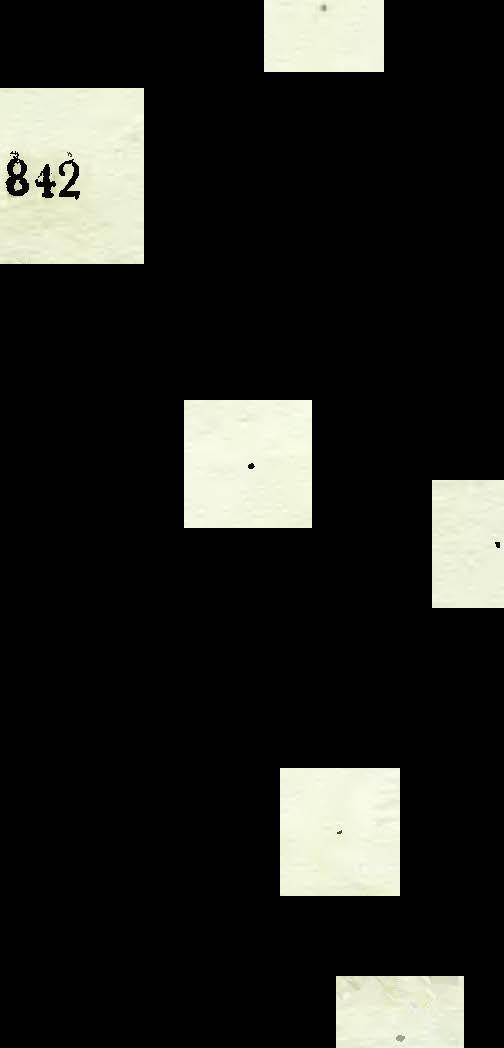
ift'Tg• :q �vq�l"f)���CfJtsvr�� :q f��fisa-a� ••
Yudhisthira Uvacha : Sampresito dwarakayam jisnur bandhur didrikshaya
Jnatum cha punyaslokasya krishnasya cha:vichestitam.
ENGLISH SYNONYMS
Tudhisthira Uvacha-Maharaja said : Sampresito-has gone to, Dwarakayam-at Dwarka, JisnurArjuna, Bandhur-friends, Didrikshaya-.forsake ofmeeting, Jantumto know, Cha-also, Punyaslokasya-of the Personality of Godhead, Krishnasya-of Lord Sri Krishna, Cha-and, Vichestitam-programme ofwork.
'tRANSLATION
Maharaja Yudhistir said to his younger brother Bhimasena as follows : ·"Bhimsena ! I sent Arjuna to Dwarka for meeting the friends aswell as to know fromthe Personality of Godhead Krishna what about His programme ofwork."
TEXT No. 7
tTttT: UttfT�t:IT qT�T ��q";:r a'Cf1'2:JI': I

;:rt�tfa ��lf �� �a"Af���q-���� 11

Gatah sapta adhuna masa bhimasena taba anujah
Na ayati kasya va hetor na aham vedaidam anjasa.
I I I I r
ENGLISH SYNONYMS
Gatah-has gone, Sapta-seven, Adhuna-upto date, Masamonths, Bhimasena-Oh Bhimasena, Taba-Your, Anuja-younger brother, Na-does not, Ayati-come back, Ka.rya-for what, Va-Or Hetor-reason, Na-not, Aham-1, Veda-know, /dam-this, Anjasa-factually.
TRANSLATION
"Since he has departed from this place it is now seven l!lonths past up to date but he has not as yet returned back from there and I do not know factually how things are going there,"
TEXT No.8
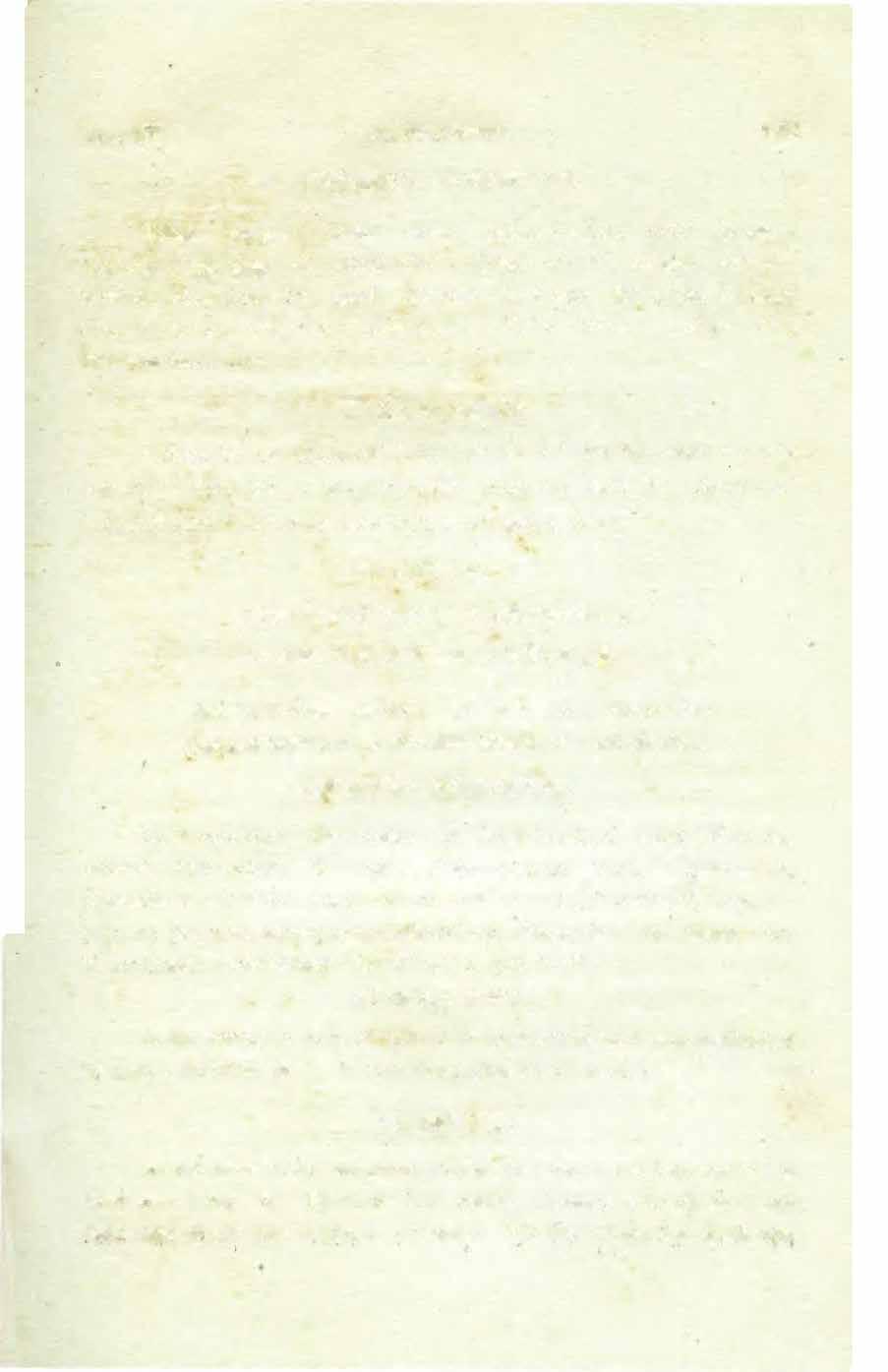
afq��f1Sfvttssf�.s!': ij'
II
Api devarshina adistah sa kalo ayam upastithah fada atmano angam akridam bhagawan utsisrikshati.
ENGLISH SYNONYMS
Api-whether, De'Jlarshina-by the demigod saint (Narada) Adistah-instructed, Sa-that, Kala-eternal time, Ayam-this, Upasthitam-arrived, Yada-when,Atmano-ofHis ownself,Angamplenary portion,Akridam-manifestation, Bkagawan-the'personatity ofGodhiad, Utsisrikshati-is going to quit it off.
TRANSLATION
Is He going to quit offHis earthlypastimes as it was indicated by Devarshi Narada ? Is that time already arrived ?
PURPORT
As we have discussed many times the Supreme Personality of Godhead Lord Sri Krishna ha& many plenary expansions and �ac4 and everr one ofthem although e�ually powerful each on�
Text8] FIRSTCANTO 843
�'fqT��q��ft�
etit�)sq'!qf��a: 1 ltq"TSstq;=r)s•�:rT'JiiTi
ofthem executes different fimction in the category ofthe Supreme Lord. In the Bhagwat Geeta we have different statements by the Lord and each ofsuch statements are meant for different plenary portions or portion of the plenary portions. For example Sri Krishna the Lord says in the Bhagwat Geeta as follows :
"0h Arjuna, whenever there is indecipline in the matter of occupational duties of the mankind and corruption rampantall over the world, I do incarnate My self at that time"
(B.G. 4;7.)
"For deliverance ofthe faithful and for annihilation ofthe miscreants as also for re-establishing the fundamental principles ofoccupational dutues I do appear in every '!ge"
(B.G. 11�)

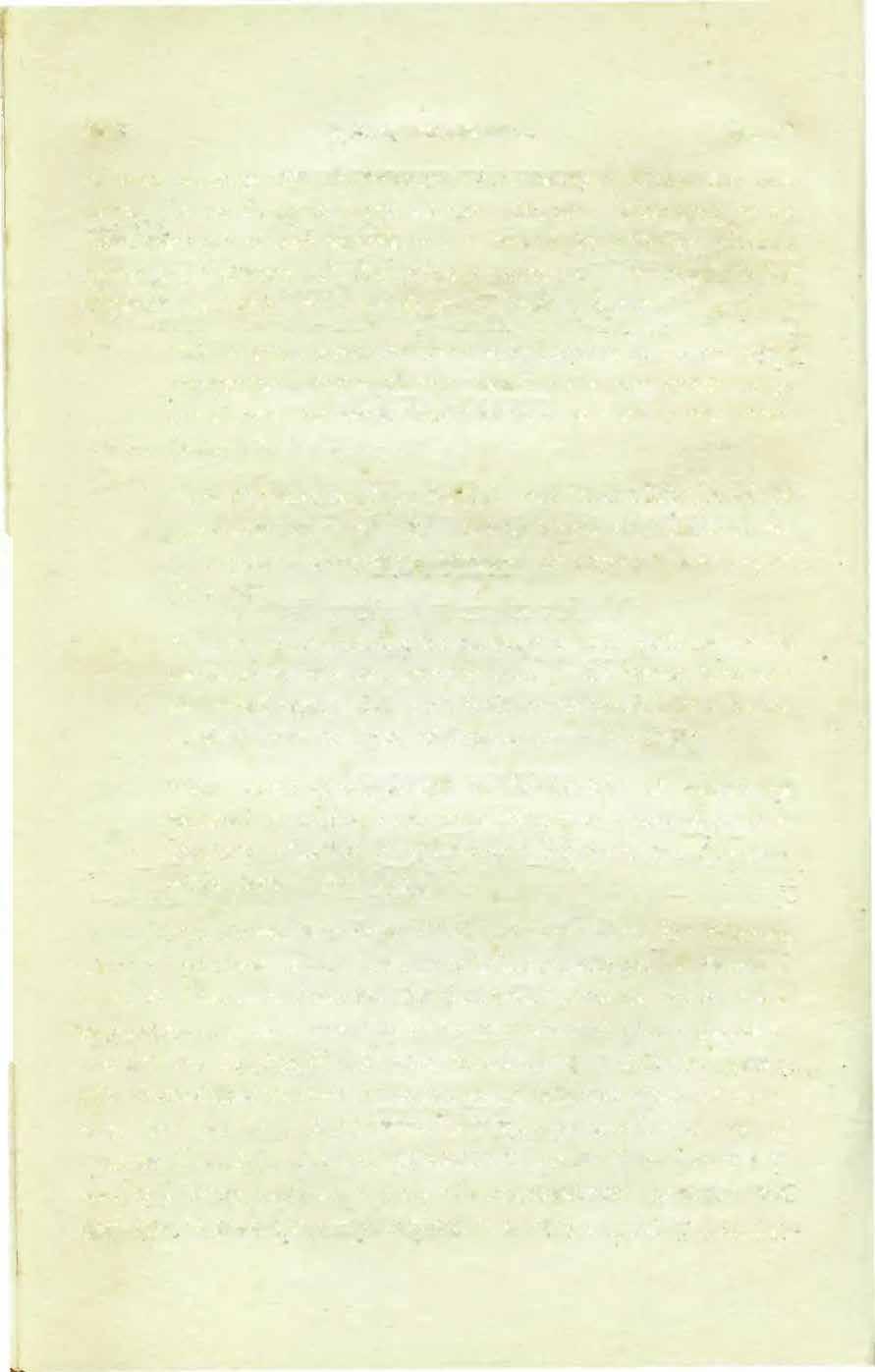
"If I do not examplify the modes ofnormal activities ofthe mankind by my own activites then all the human kind will be misdirected and by doing so certainly I shall be the cause ofunwanted rise ofpopulation." (B.G.3/24).
''Acts which are executed by the leaders of society are imitated by ordinary members. Whatever is accepted as the standard ofaction by the leaders naturally the followers adoptthem.'' (B.G. 3;21)
All th� above statements ofthe Lord are meant for different plenary portions of the Lord namelyHis expansions like Samkarsana, Vasudeva, Pradyumna, Aniruddhya, Narayana, etc. All these expansions are He Himselfby different transcendental expansions and still the Lord as Shri Krishna functions in a different spher� oftranscendental mellows by exchange ofdifferent grades ofdevotees. And yet Lord Krishna as He isappears once in the day of Brahma ( or after a lapse of 8640000000 crores 0f solar years ) in each and every universe and allHis transcendental pastimes are displayed in each and every universe in a routine spoo]. But in that
844 SRIMAI;>
14
BHAGWATAM [Ch.
' ' .
routinespool the fumctions ofLord Krishna, Lord Vasudeva etc all are complex problems ofunderstanding for layman. There is no difference between the Lord's selfand the Lord's transcendental body and the expansions execute differential activities. When the Lord however appears in Hi� Person as Lord Sri Krishna, His other plenary portions also join in Him by His inconceivable potency called rogamaya and as such Lord Krishna ofVrindaban is different from the Lord Krishna of Mathura or that of Lord Krishna of Dwarka, The Virata Rupa ofLord Krishna is also different from Him by His inconceivable potency. The Virata Rupa exhibited in the battlefield of Kurukshetra is the material conceptionofHis Form. Thereforewhen LordKrishnawas apparently killed by the bow and arrow ofthe hunter it should be understood that the Lord left His so called Material body in the material world. The Lord is Kaivalaya and for Him there isno difference of matter and spiritbecause everything is created from Him. Therefore His quiting one sort ofbody or acceptance ofanother body does not mean it is 1ike the ordinary living being. All such differential activities are simultaneously one and different by His inconceivable potency. When Maharaj Yudhisthira was lamenting by apprehension of His disappearance it was just in pursuance of a custom lamenting the disappearance of a great friend but factually the Lord never quits His transcendental Body as it is misconceived by less intelligent persons. Such less intelligentpersons have been con demned by the Lord Himselfin the Bhagwat Geeta and they are known as the Mudhas. The commitment ofthis particular verse that the Lord left His body means that He left again His plenary portions in the respective Dhamas (transcendental abodes) as He left His Virata Rupa in the material world.


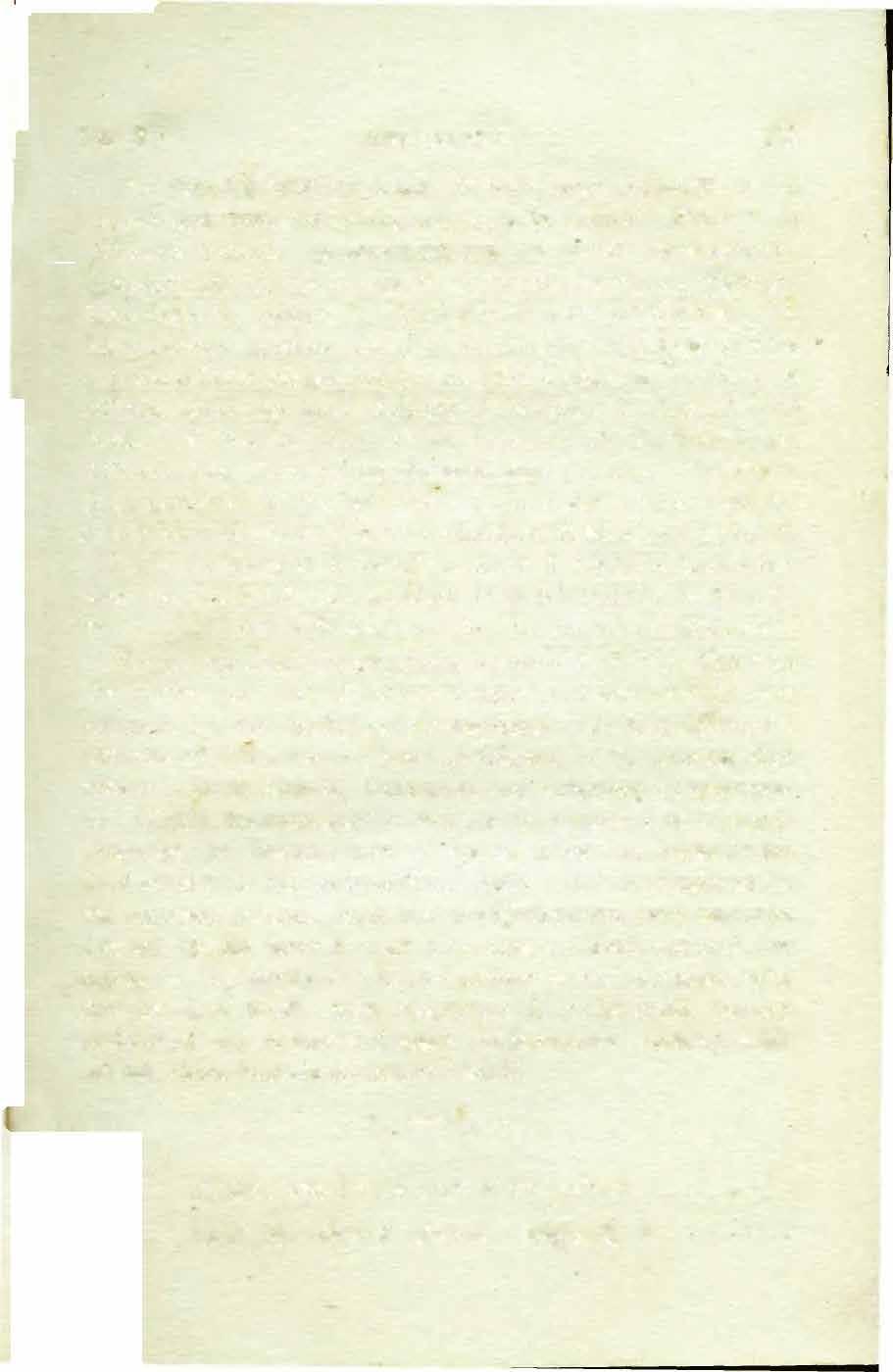
Text 9] FIRSTCANTO. 845
TEXT No. 9 lf�JfT�!�qq) �Ti� Ci'T�T: SrTUTT: !�SFiifT: I 1fT� �'«iffCRrlf) �tctimf lfCi�&R! II
Tasmat nah samfado rajyam darah pranahkulamprajah
Asan sapatno vijayo lokas cha yad anugrahat.
ENGLISH SYNONYMS
Tasmat-from whom, .Nah--our, Sampado-opulence, Rajyamkingdom, Darah-good wives, Pranah -existence of life, Kulamdynasty, Prajah- subjects, Asan-have become possible, Saptno-competitors, Vijayo-conquering over, Lokas-future accomodation in higher planets, Cha-and, Tad-by whose, Anugrahat-by the mercy of.
TRANSLATION
From Him "only all our opulence in the matter ofourkingdom, good wives, existence of life, continuation ofprogeny, control over the subjects, victory over the competitors and accomodation in , higher planets have become possible and they are all due to His causeless mercy upon us.
PURPORT
Materialprosperity cunsists ofgood wife, good home, sufficient land, good children, aristocratic family rela tions,victory over competitors and by pious work attainmf'nt of accomodation in the higher celestial planets for better facilities ofmaterial amenities. These facilities are earned not only by one's hard manual labour orbyunfair means but by the mercy dispensation of the Supreme Lord. Prosperity earned by one's personal endeavour also depends on the mercy ofthe Lord. Personal labour must be there besides the Lord's benediction but without Lord's benediction,. no body is succe$sful simply by personal labour. The modernised man of the Kaliyuga does believe more on personal endeavour and deny the benediction oftheSupreme Lord.Even a great Sanyasi ofIndia delivered speeches in Chicago protesting against benediction of the Supreme Lord. But so far Vedic shastras are concerned as we find herein the pages of Srimad Bhagwatam the ultimate sanction for all success rests in the hand of the Supreme Lord. Maharaj Yudhisthir admits this truth in his personal success and it
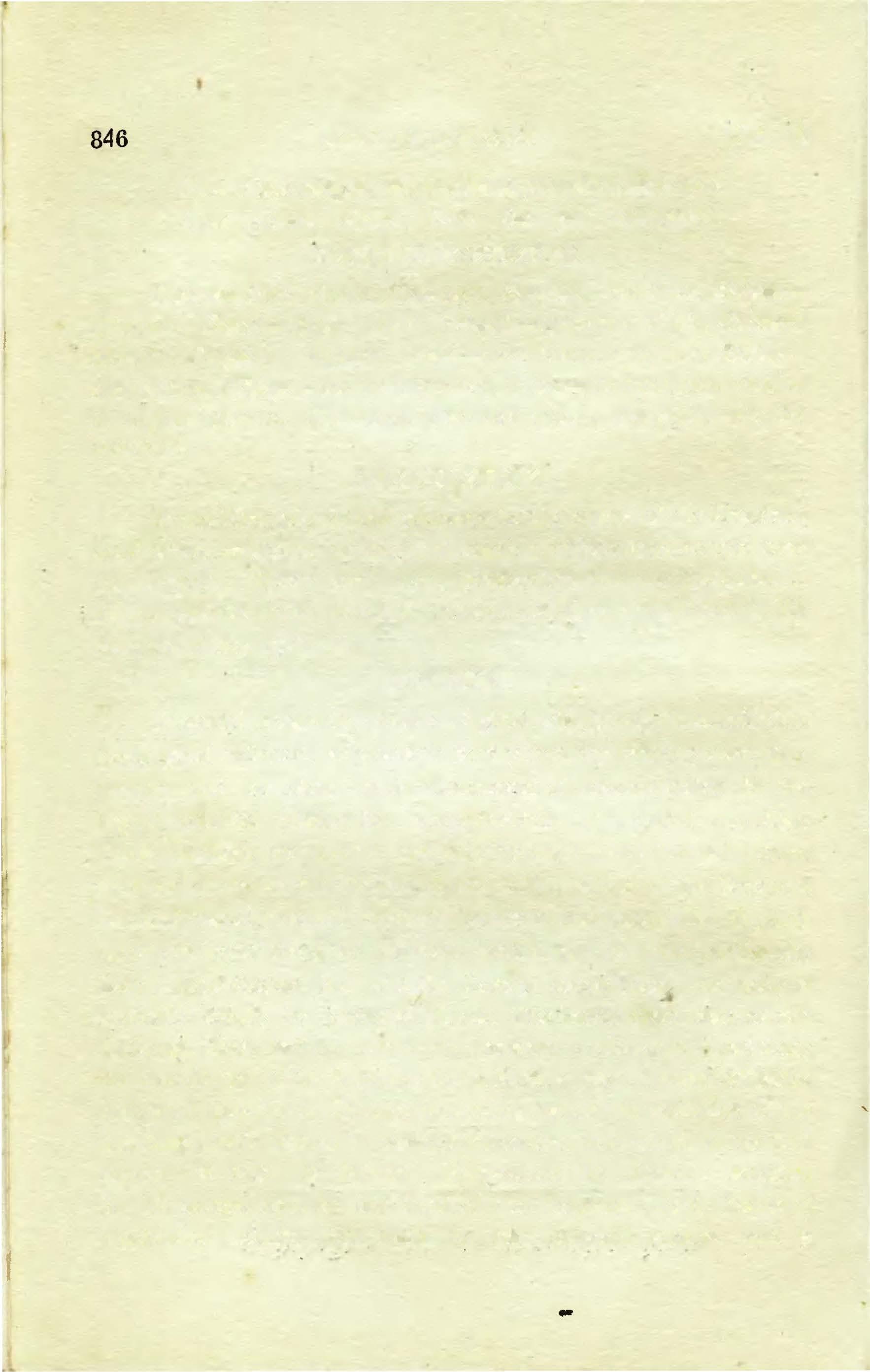
846 SR.IMAD BHAGWATAM
[Ch. 14
..
behoves that one should follow the foot prints of a great king and devotee of the Lord in the matter ofmaking life full success. If one could achieve success without the sanction ofthe Lord then no medical Practitoner \\ould fail to cure a patient. lnspite ofmostadvancedtreatment ofa suffering patientbythe most up to date medical practitioner there is occu1ance ofdeath and even in the most hopeless case without any medical treatment patient gets cured astonishingly. Therefore the conclusion is that God's sanction is the immediate cause for all happenings good or bad, Any successful man should feel grateful tothe Lord for all that he has achieved.
TEXT No. 10
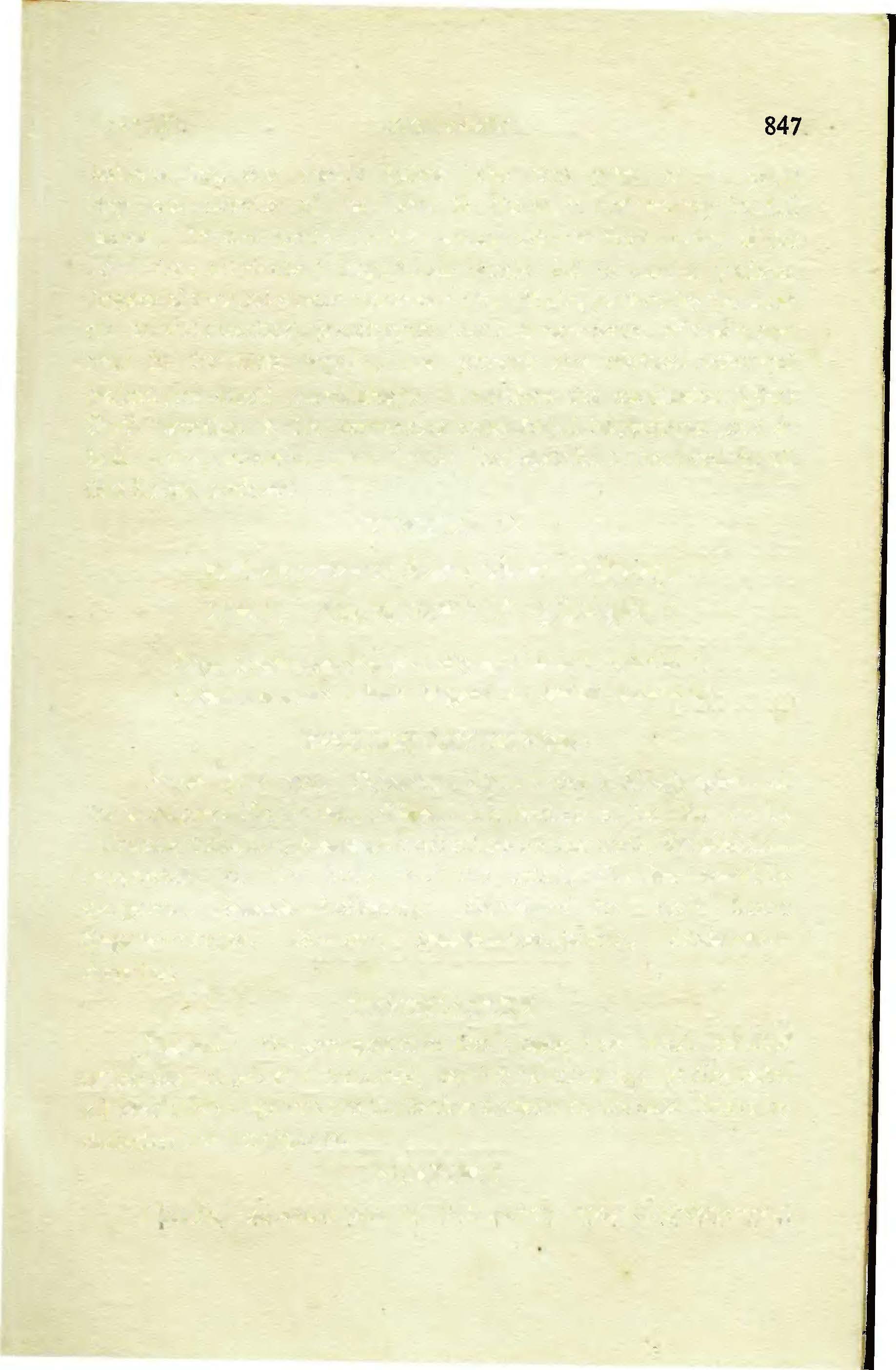
Pasya utpatan narab-yaghra dibyan bhouman sadaihikan Darunan samsate adurat bhayam no buddhi mCJhanam.
ENGLISH SYNONYMS
Pasya-just.- see, Utpatatan-disturbances, Narahyaghra-oh the strongman like a tiger, Dibyan -happenings in the sky or by Planetaryinfluence, Bhouman--happenings on the earth, Sadaihikanhappenings of the body and the mind, Duruhan-awafully dangerous, Samsate-indicaing, Adurat-in the near future Bhayam -danger, .No-our, Buddhi-intelligence, Mohanamdeluding.
TRANSLATION
Just see oh the strongest man like a tiger, how much miseries of life due to celestial influence, earthly reaction and bodily pains all awaflully dangerous are indicating dangers in the near future by deluding our inte!Hgence.
PURPORT
Material ad vancement of civilization means advancement ·
Text 1 0] FIRST CANTO 847
f�Gllti{11l'it'l_ �tf�Cf)l� � q:t�vtt'!, ��a)s�"UC{llli �� !fi:���'I �•
�"R'irat'K(<Slft�
ofthe reactions ofthe threefold miseries due to celestial influence, earthlyreactions and bodily ormental pains. Bycelestial inffuence of
the stars there are many calamities like excessive heat, cold, rains


or no rains, and the after effects are famine scarcity of foodstuff diseases epidemic and the aggregate resultis agony ofthe body and the mirid. Man made material science cannot do anything in the matter ofcounteracting all these threefold miseries. They are all punishments from the superior energy ofMaya under th� direction ofthe SupremeLord. Therefore ourconstanttouchwith theLord by devotionalservice can give us reliefwithout being disturbed in the matterofdischarging our humanly duties. The Ashuras however do not believe in the existenceofGod and theymake theirownplans to count@ract all these threefold miseries meeting with failures in every time. The Bhagwat Geeta dearly directs thatthe reaction of material energy is never to be conquered because ofthe binding of the three modes. They can simply be overcome by one who surrenders fully m devotion under the lotus feet of the Lord.
(B. G. 7/14)
TEXT No. 11



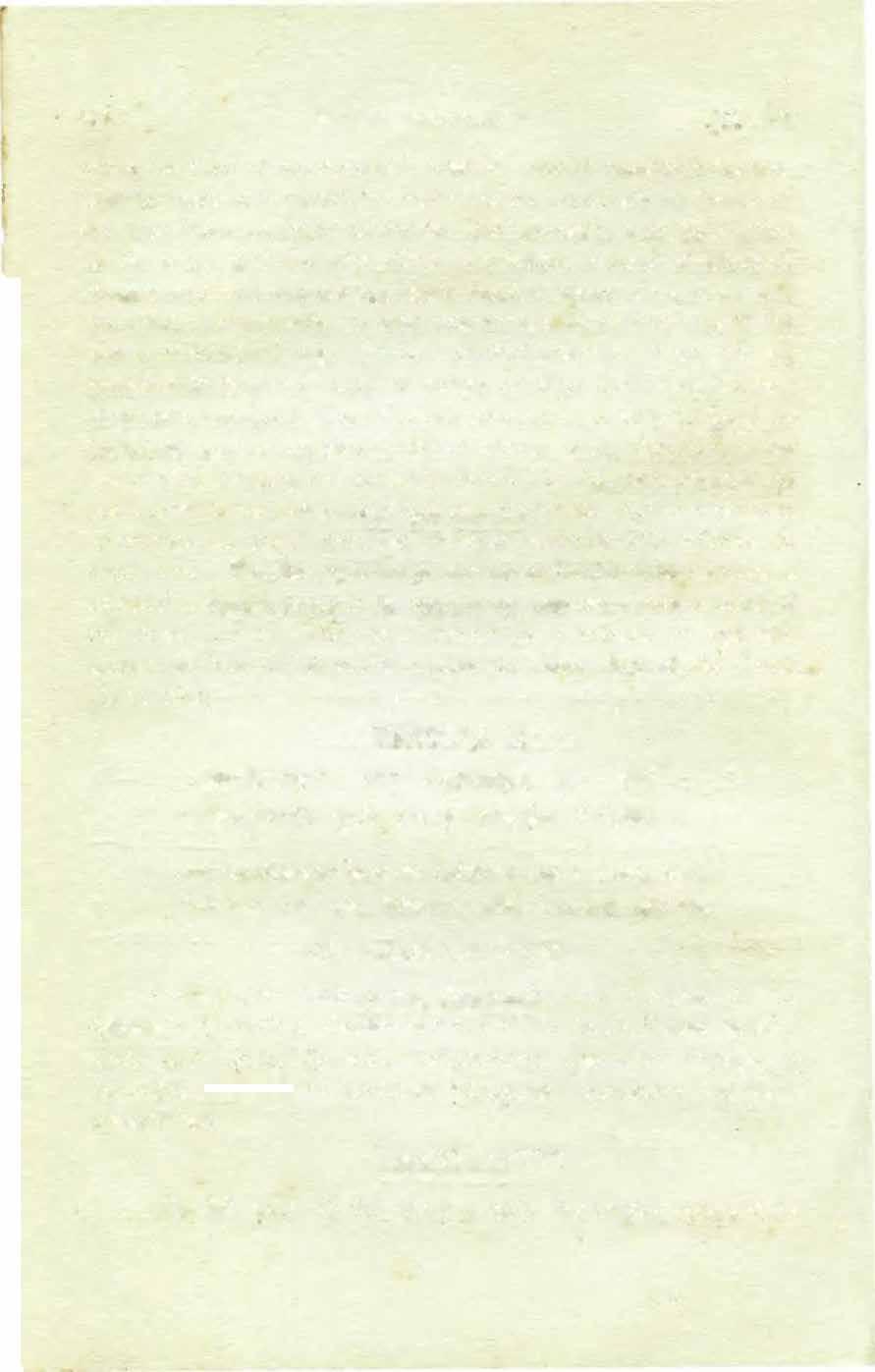
Uru akshi bahavomahyam sphuranti angampunahpunah
Bepathus cha api hridayae arad dasyanti vipriyam.
ENGLISH SNONYMS
Uru-thighs, Akshi-eyes, Bhavo-the arms, Mahyam-in me, Sphuanti-quivering, Angam-1eftside of the body, .Punah punahagain and again, Bepathus-palpitations, Cha-also, Hridaye-in the heart, Afad--due to fearfulness,� Dasysanti-indicating, Vipriyasundesirables.
TRANSLATION
My left part of the body namely the thighs, eyes and th�
848 SRIMA.D BHAGWATAM [Ch. 14
�
I f l
�flif�RatT8:'Jf) 'I�· ����ll�'f �;:r: �;:r: � �q,'!f;:nfq frqQ �T�T, '4:T�t1� f'Jffsttt� '�
arms all are quivering again and again G there is palpitation ofthe heart also due to fearfulness and as such they indicate undesi. rable happenings.
PURPORT
The material existence of life is full ofundesirables. Things we do not want are forced upon us bysome superior energy and one does not see to these undesirab!es are under thegrip ofthe three �modes ofmaterial nature. When a man's left side body namely the eyes (by the upper lids) the arms and the thighs all quiver constantly, one must know that something is going to happen which is undesirable. These undesirables are compared with fire in the forest. Nobody goes in the fmest for setting fire in it but by its own interaction of the bomboos fire automatically takes place in the forest creating inconceivable calamities for the liviag being in the forest. Such fire in the forest cannot be extinguished by any humanly efforts by sending fire brigade or similar help for the living beings there. The only means of extinguishingsuch fire is the mercy ofthe Lord by sending cloud on the head and pouring water on the forest. Similarly undesirable happenings in the life ofthe human beings cannot be checked by any number of plans ofthe human being. Such miseries can be removed onlyby the mercy of the Lord who sends His bonafide representatives to enlighten the human beings and thus save them from the calamities ofundesirable happenings.
TEXT No. 12


f�cllt)'l;:aqTft{�lf'ff;r�1tlf��Tt=t'�T I 'fT;ftr �T�itq)sqqf;r�;rttr�lt�cta' \I ...


Siva esaudyantamadityam abhi routi ana1a anana Mam·anga saramrya ayam abhirtbhati abhiruvat
ENGLISH SYNONYMS
Siva-jackel,Esa-this, Ut{Yantam-risin�,Adi?'am-nnto the
Text. 11] FIRSTCA..NTO 849
850
SRIMA.D BHAGWATAM [Ch. 14
sun, Abhi-towards, Routi-crying, Anala-fire, Anana-face, Mam-m1to me, Anga-0h Bhima, Sarameya-dog, Ayam-this, Abhirevati-barking, Abhiruvat -without any fear.
TRANSLATION
Just see Oh Bhima how the she-jackel cryingtowardsthe rising sun vomiting fire in the mouth and how the dog barking towards me fearlessly.
PURPORT
These are some of the earthly bad omen for happening something undesirables in the near future.
TEXT No. 13
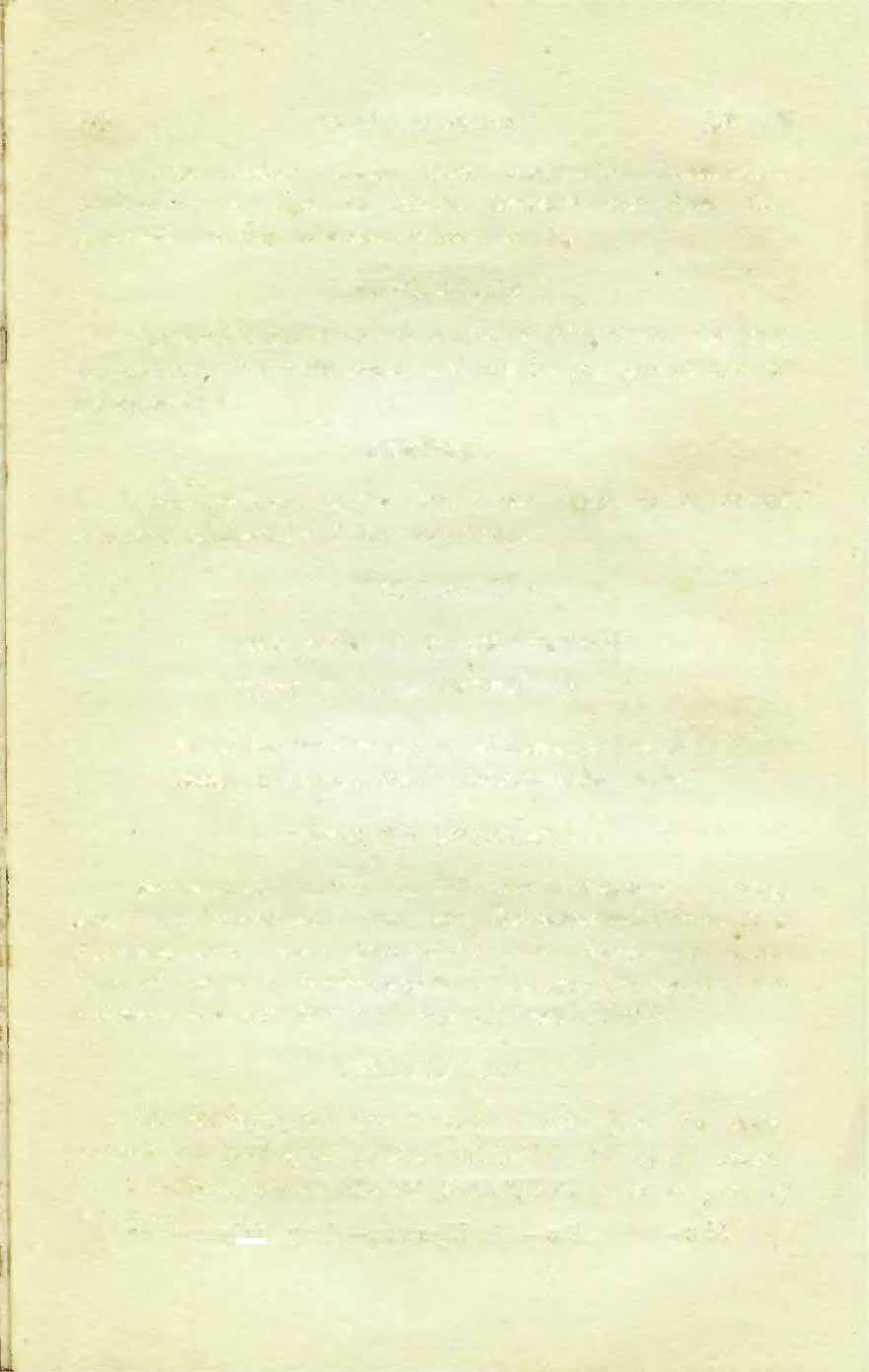
�t�n: ��f;-a- qf�cti�f��q-)sq�1
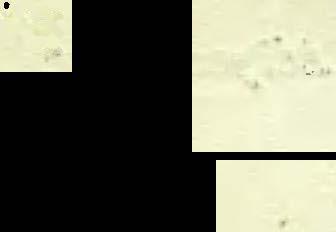

Cft�m. �qqaqT�\'t�'�i'�o) +rt.i II
Sastah kurvanti mamsabyam dakshinam pasavopare Bahans chapurusha byaghra lakshaye rudato mama.
ENGLISH SNONYMS
Sartah-useful animals like the cow, Kurvanti-is keeping, Mam-me, Sabyam-pn the left, Dakshinam-circumbulating, Pasvopare-other lower animalslike asses, Bahans-the horses
(carrier) Cha-also, Purushabyaghra-oh the tiger amongst tb e man, Lakshaye-are seen, Rudanta-weepi• g,Mama-of mine.
TRANSLATION
Oh Bhimsena the tiger among the man now the useful animals are passing me keeping left :while the lower animals are circumbulating me. And my horses appear to be weeping by seemg me.
'I I I I I I
TEXT No. 14

l!�a: etitt)a)slf!�$.: Cfi';qq;q;:r: t

Sl'����t� ��T;lfGJtc:f GIT �;qfq�a: 't
itfrityu duta kapota ayam ulukah kampayan manah
Pratyulukas chakuhvanair viswam va sunyamichhyatah.
ENGLISH SYNONYMS
Mriryu-death,Dutah-messeng�r of, Kapota-pegeon, Ayamthis, , Ulukah-Jwl, Kampayan-trembling, JJanah-mind, Pratyalukas-the riv·als of owls (crows), Cha-and, Kuhvanairshrieking scream, Viswam·-the cosmos, Va-e ither, Sunyam-void Ichhatah -wishing.
TRANSLATION
Just see this pegion is like the messenger ofDeath and the owls and the rival crows by their shrieking screams trembling my heart and it appears that they want to make a void in the whole universe.
TEXT No. l5
,_1;(, ft�: qf�etlf: Cfi';cm �: ��tUrf�: • ft:��iCi�::q ¥fe!h=c:na �t$ � �at:�ftr��ftr: n

Dhumra dishah paridhayah kampate bhult salzadribhih Nirghatscha mahans tat sakam cha stanyitnubhih.
ENGLISH SYNONYMS _
Dkumra-csmoky, Diskak-all -directions, Paridkayahencirclement, Kampate-throbbing, Bhuk-the- earth, Sakadribkikalqngwit� the hills and mountains, Nirgkat-boltfrom the blue, Cha--also, Mokans....-very great, tat...:..that, Sakam- lightening, Cha-also, _Sta�-?itnu�hih-:ti)unqeringsound vvithout_�nycIoud.
text 14]
FffiSTCANTO
851
SRIMAD BHAOWATAM ·�<! .. ��!ifi TRANSLATION (Ch. 14


Justsee how there are smoky encirclement over the sky and itappean as ifthe earth is throbbing along with the mountains. Just hear how there is thundering sound without any cJoud and bolt from the blue.
TEXT No. 16
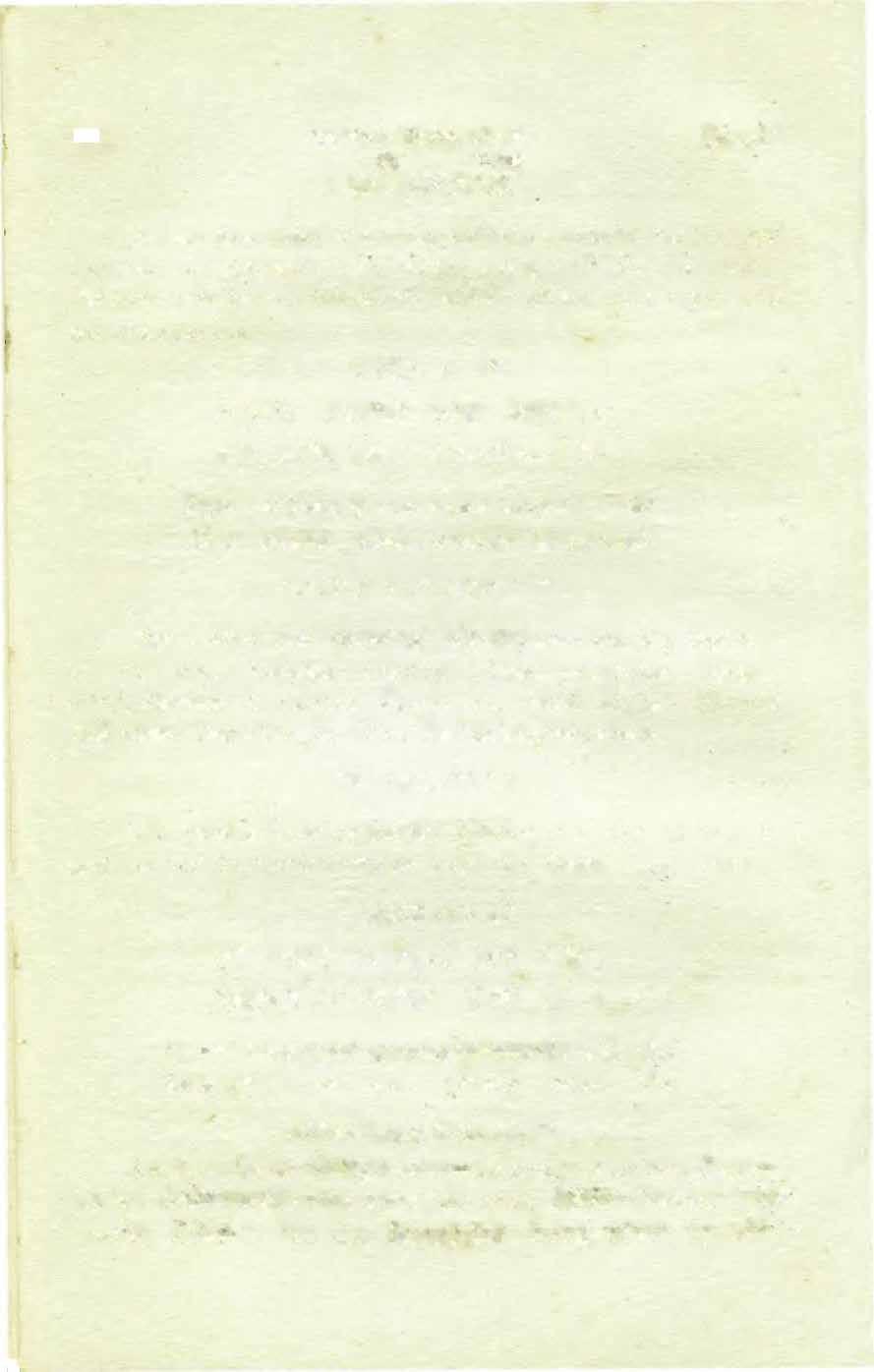
Si'TiCfffct ���q�'f �:st"«T fC��iii�a+r: I

'A�tT qoqf;(l \if�� afh«�fqqo �cia: II
Vayur bati kharaspar.sao rajasa visrijans tamah Asrig varsanti jaladabibhatsam iva sarbatah.
ENGLISH SYNONYMS
Vayur-wind, Bati-blowing, Kharasparsa-sharply, Rajasaby the dust, Visrijans-creating, Tamah-darkness, Asrigblood, Varsanti-is raining, Jalada-the cloud, Rajasa-by dust Bibhatsam--disastrot,s, Iva-like, Sarbatah-everywhere.
TRANSLATION
The wind is blowing sharply blasting the dust all over in darkness a'1d the cloud is raining blood like disasters everywhere.
TEXTNO. l7
'Jtf..&tfSi�q�!fV&q'�. fi:tq) ftfCfI ��Ji�..aqvl�ftwta �)ctar tCf 11




Suryam hataprabhampasyagrahamardammitho dihi
Sasamkulair bhutagnair :jwalite rodasi iha.
ENGLISH SYNONYMS
Suryam-thesun,Hataprabham-decliningbytherays, Paf]ajust see, Grahctmardam-clashes of the stars, Mitho-between ohe another, Dibi-in the sky, Sasamkulair-being mixed up witli,
.....
Bhutaganair-by the�ivingentities, Jwalite-being ignified, Rodasicrying, lba-asif.
TRANSLATION
Just see how the Sun is declining by the rays and the stars in the sky seem to be engaged in fighting between themselves mixed up with Jiving entities appears to be ignified and crying.
TAXT NO. l8
ENGLISH SYNONYMS
i{adyo-rivers, Nadascha-and the tributaries, Kskuhhitakall perturbed, Saransi-reservoirs of water, Cha-and, Manansithe mind, Cha-also, Na-does not, Jwalati-ignites, Agni-fi.re, Ra.Jyena-by the help of butter, Kala-the time, Ayam-extraordin· ary it is, Kim-what, Vidhasyati....:going to happen.
TRANSLATION
Rivers, tributaries, oonds, reservoirs ofwater and the mind as well all are perturbed. Butter does not any more ignite fire What is this extraordinary time and what it is going to happen.
TEXT No. l9
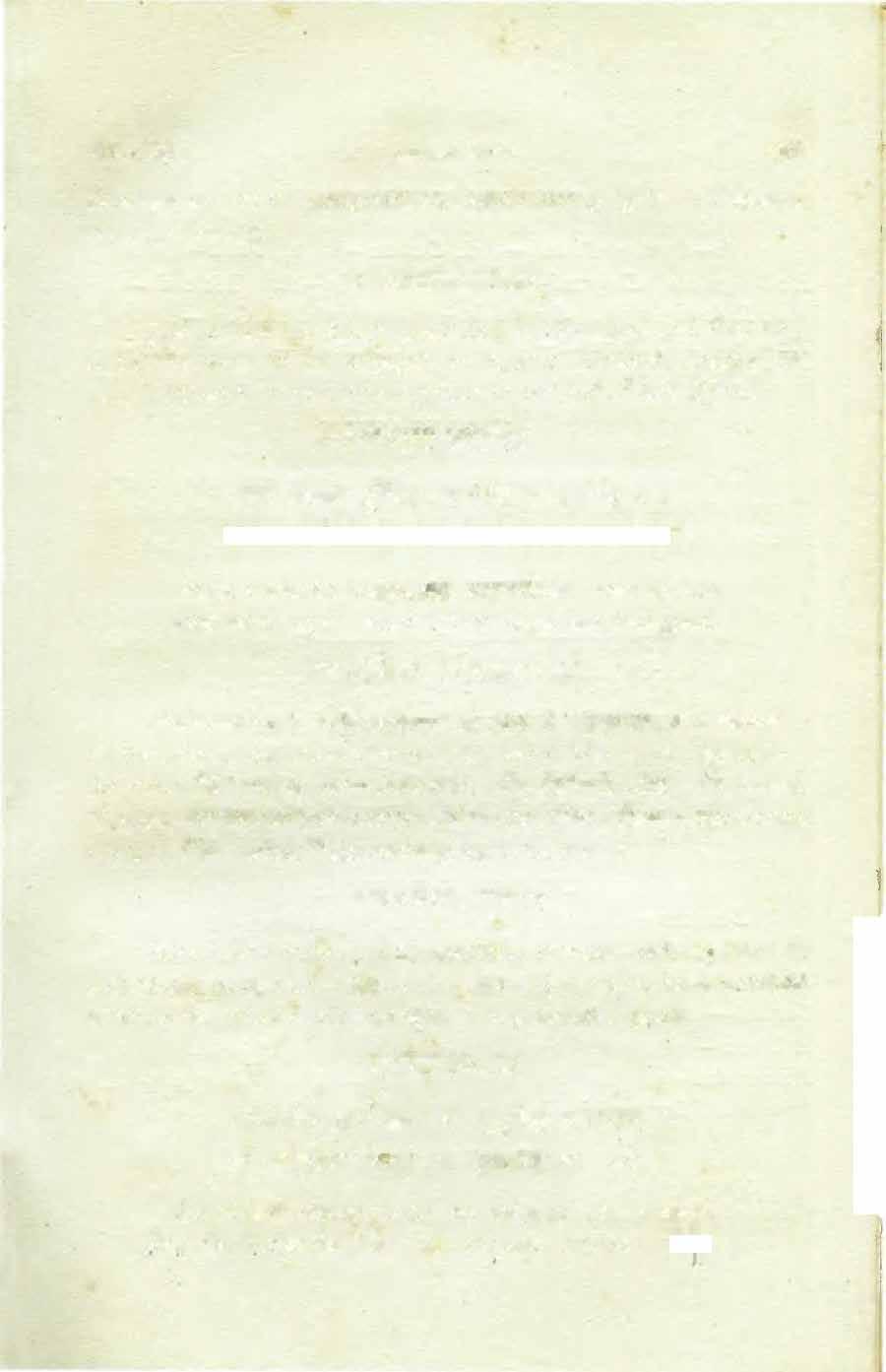
;:r fqGff;a �a;:f �"' ;:r �f;:a rer�na�:• ��lf5!!��T �Tler) ;:r (6lf���'IT





Na pivanti stanam vatsa na duhyanti cha matarak
P.udanti asrumukha �avo na hris;anti brisabha bra
Text 18] FIRSTCANTO 85S
t:Rr) 'fqlq �f�a"T: �Uf� :q ;r;:rffu' ':er I 0
Nadyo nadascha kshubhitah saransi cha manansi cha Najwalati agni rajyena kala a;yam kim vidha�ati.
�� II
1 i
ENGLISH SYNONYMS
]{a-does not Pivanti-suck, Stanam-breast, Vatsa-the calf, Na-does not, Duhyanti-allow milking, Cha-also, Matarah-the cow, Rudanti-crying, Asrumukha-withtearingface, Gavo-thecow, Na-does not, Hrisyanti-takepleasure, Brisabha-th�bulls,Brajein the Pasturingground. ·

TRANSLATION
The calves do not suck the milk bag of the cow nor the cow does allowmilking. They are standing crying with tears on the face and the bulls do not take pleasure in the pasturing ground.
TEXT No. 20
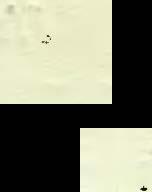


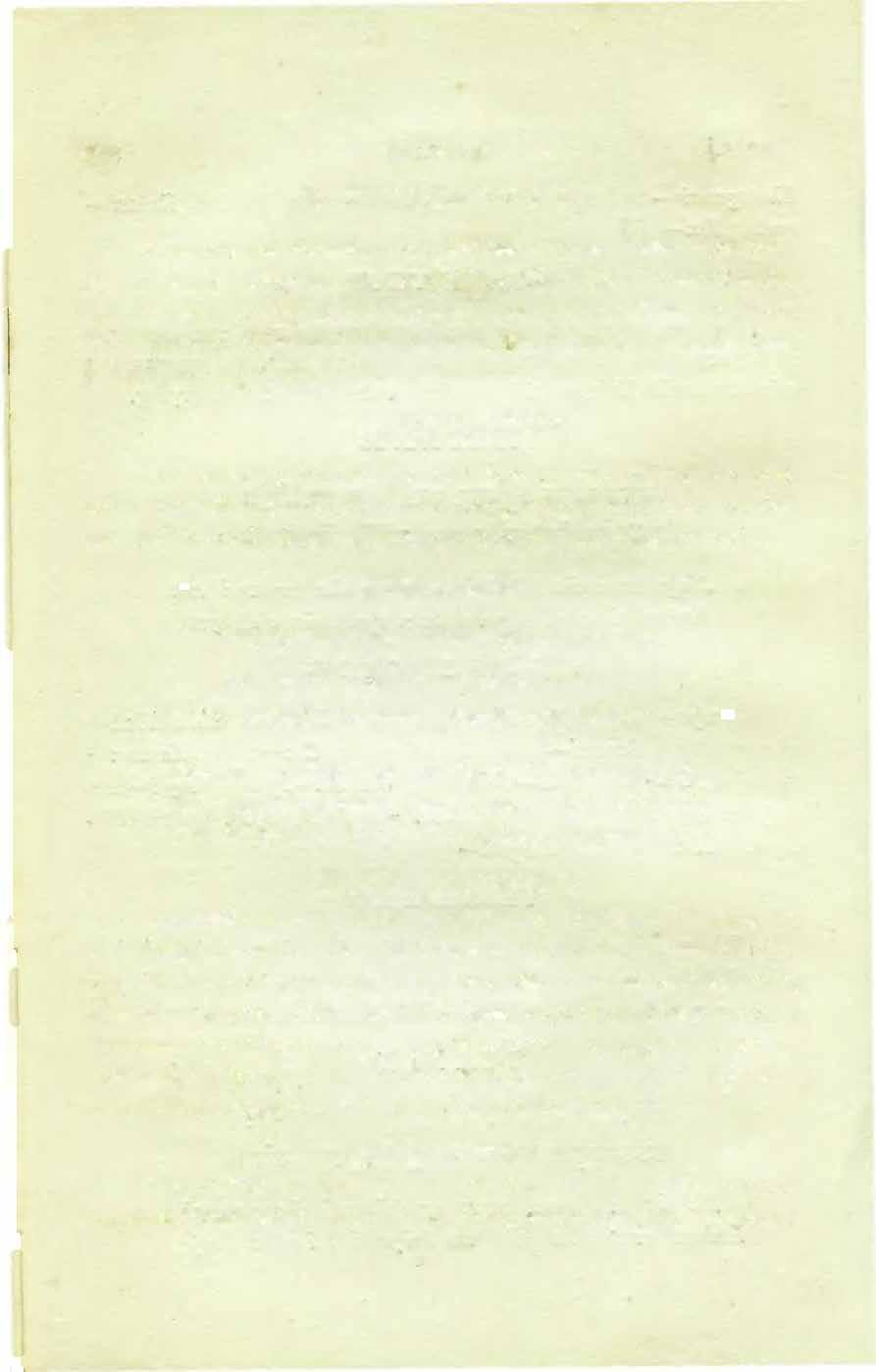
-�'rt�Tfit �ier�afit{ ��f;-a- �if l
� \il'lq"ql VT'fT: �Tul'lT�Tq�:n: t
·�afqlf) fil�t;:r�qo: fi!fl'fq ��lffit� ;:r: u
Devatani rudanti iva khidyanti hi utchalanti cha /mejanapada gramahpura udyana akaraaskramah.
Bhrasta sriyah niranandah kim agham darsayanti nah
ENGLISH SYNONYMS
Devatani-the deities in the temples, Rudanti-Seeming to be crying, Iva-like that, Khidanti-lamenting, Hi-certa:nly, Utchalanti-as ifgoing out, Cha-also, /me-this, Janapada-city, Gramah-villages, Pura-towns, Udyana-gardens, Akara-mines, Ashrama-hermitages etc. Blzrasta-devoid of, Srb'ah-beauties, Niranandah-bereft of all happiness, Kim-wbat sort of, Aghamcalamities, Darsqyanti-shall manifest, Nah-to us.
TRANSLATION
The deities in the temple are like crying in the temple, lamentin�with perspiration, and seemingly moving from the place-
854 SRIMAD BHAGWATAM fCh. 14
..
"'
All the cities, villages, towns, gardens, mines and hermitages are now devoid ofall beauty and bereft ofall happiness. Do not know what sort ofcalamities are awaiting us in these manifestations.
TEXT No. 21
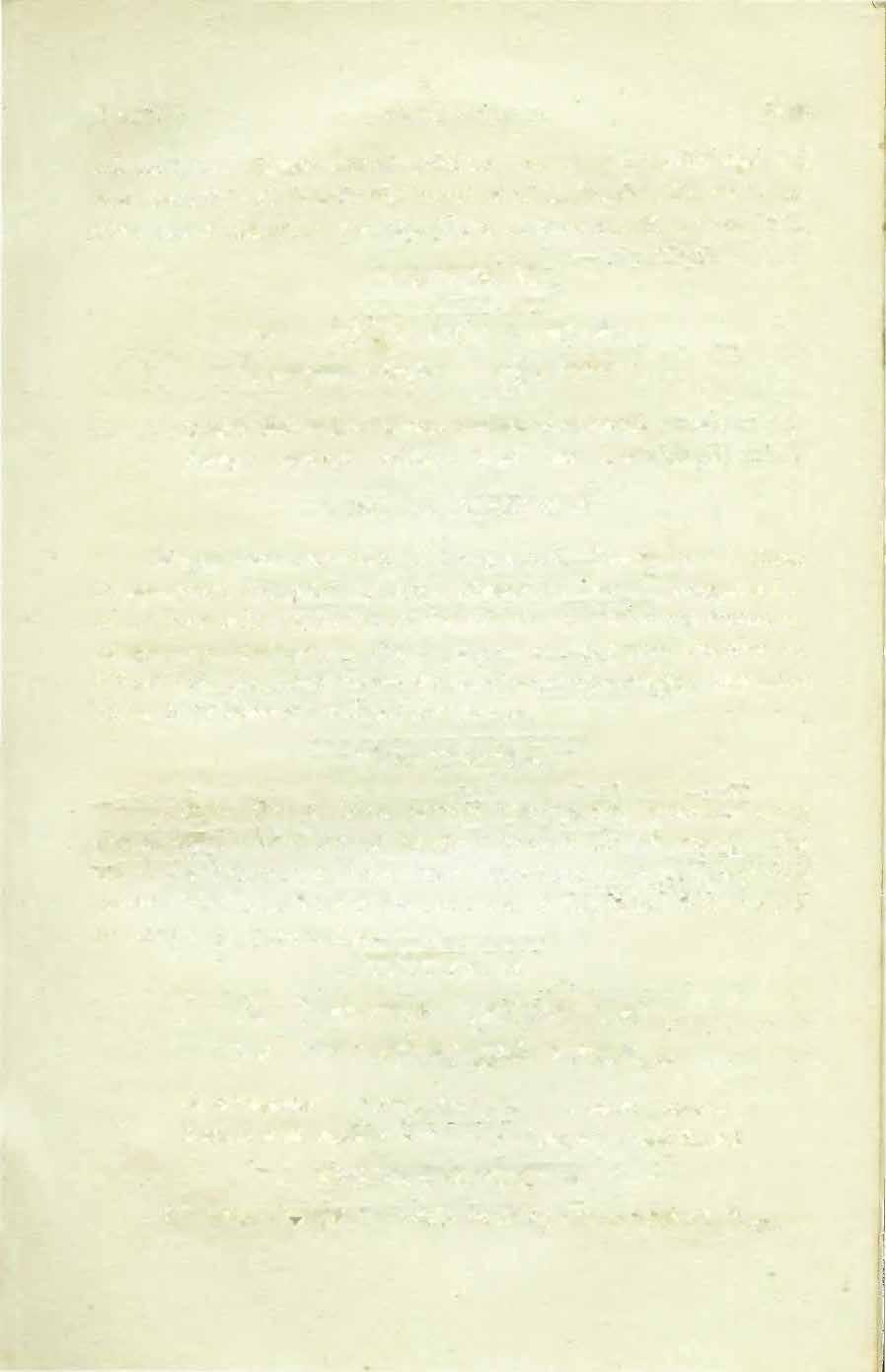
q;:tt qai�)tqTa-'f;:( �rrcnt: qi": I atl;:tt�tt�·i\f��1;n iJ.ta�r��n 11

Manya etair maha utpatai,· nunam bhagabatah padaih
Ananya purusha sribhir kina bhu hatasoubaga.
ENGLISH SYNONYMS
Manya-you may take it for granted, Etair-by all these, Maha-great, Utpatair-upsurges. Nunam--forwant of, Bhagabatahofthe Personality ofGodhead, Padaih-the marks on the footpalm, Ananya-extraordinary, Purusha-of the Supreme Personality, Sribhir-by the auspicious signs, Hina-unpossesssed, Bhu-the earth, Hatasouhhaga-without any fortune.
TRANSLATION
I think that all these earthly disturbances preclude some greater loss in the matter ofthe good fortune of the world. The world was fortunatr. to have been imprinted with the auspicious· marks ofthe Lotus Feet ofthe Lord and it indicates that there is no more such opportunities.
TEXT No. 22

tf� f.cf;:aq�cr�tt �ISeTf�'l �am 1
�: srt=�llli��lfl�ttf: t!fifqscr;r: 11
lti chintayatas tasya dristwa aristenr.r. chetasa
Rajnah prati agamat brahman yadupuo·ah kapidhwjalz.
EN9LISH SYNONYMS
[ti-thus, _ Chintayatas-.-while thir.oling within himself, TaS)fl-
FRISTCANTO. ..855
Text 21]
•
ofhim, Dristwa-by observing,Aristani-inauspiciousness, Chetasaby the mind, RaJna-of the king, Prati-back, Agamat-came, . Brahman-ohthe Brahmins, Yadupurya-from the kingdom ofthe Yadus, Kapidwajah-Arjuna.
TRANSLATION
Oh the Brahmin Sounaka while Maharaj Yudhisthir was thinking within himselfthus by observing the inauspicious signs on the earth at th?t time, Arjuna came back from the city of the Yadus (Dwarka).
TEXT No. 23

Tam padrqo nipatitam rqathapurbam aturam Adhovadanam abbindun srijantam nayanabjrqah.
ENGLISH SYNONYMS
Tam-him (Arjuna), Padayo-under the feet, Nipatitambowing down, Ayathapurbam-unpr,'cedently, Aturam-dejected, Adhovadanam--downward face, Abbindun--drops ofwater,Srijanatqm� creating, NC1:Janbjayah-from the lotuslike eyes.
TRANSLATION
The king saw him unprecedently dejected while bowing down his feet. Hisface downwardsand from lotus like eyes drops ofwater gliding down.
TEXT No. 24
l "" 856 SRIMAD BHAGWATAM [Ch. 14
a qt�q)f;:rqfaa�cf1fTg'(� t !R'el)CR""'fiif;�'\ ��;t( 'fll''flii:ilf): It
f�)�lf)f�t[qll) fc:r�trq-i� '!q: I 1��fa \=if ft;qefl �fif�iiT��f'{trt{ u
Vilokya udvigna h,·ida;yo vichhayam anujam nripah
Prichhatisma suhrit madhye samsmarannarada iritam,
ENGLISH SYNONYMS
Vilokya-by seeing, Udvigna-anxious, Hridayo-heart Vichhayam-pale appearance, Arjunam-of the name, Nripah-the
king, Prichhati-asked, Sma-in the past, Suhrit--fdends, Madhyeamongst, Samsaran-remembering1 Narada-Sage Narada, Jritamindicated by.
TRANSLATION
And by seeing him pale in appearance on account of too much anxieties within the heart, the king asked Arjuna even in the midst offriends rememberin;theindications of Sage Narada.
TEXT No. 25
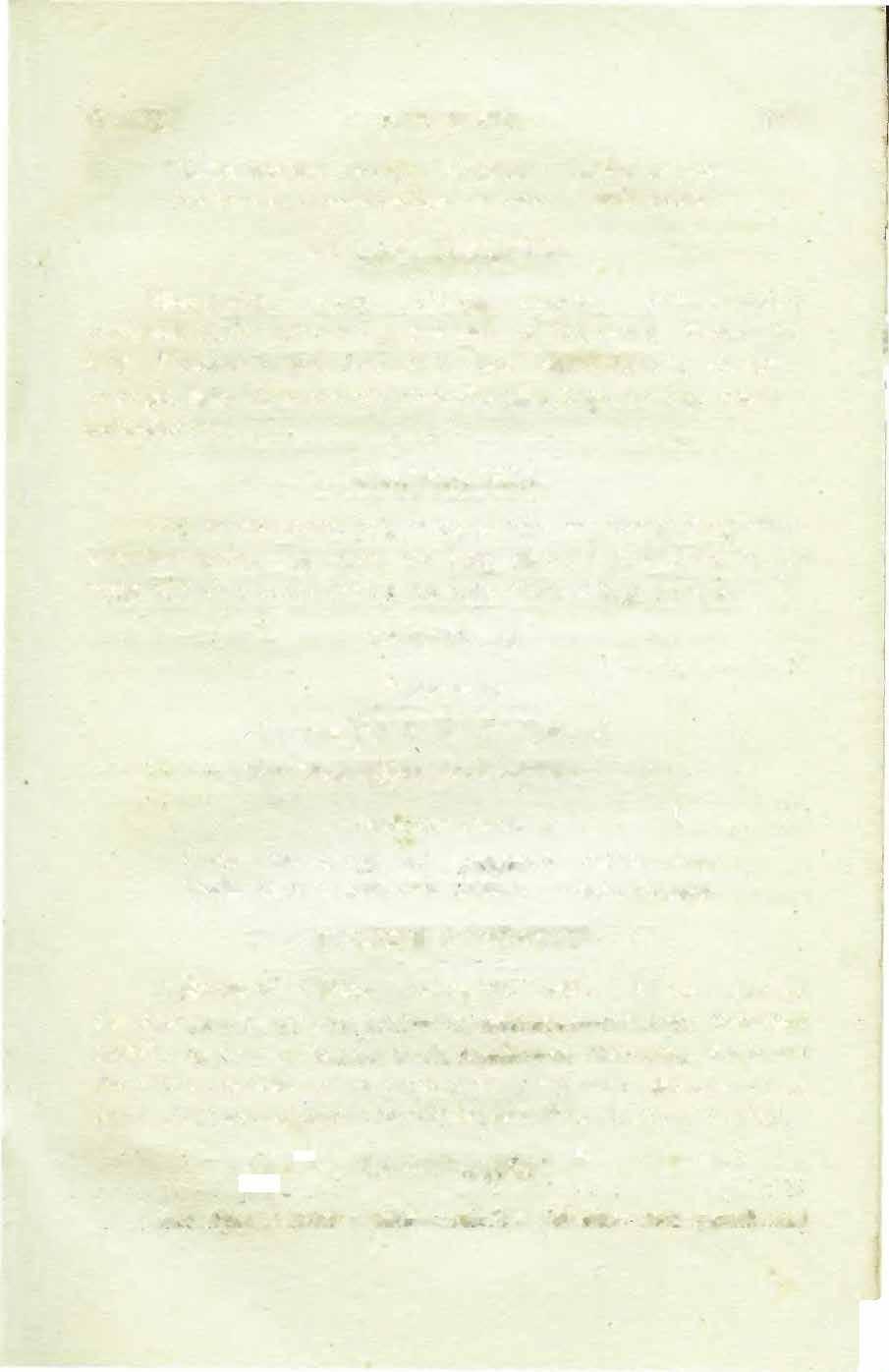
�f!it"Go��arr=1'f: �f;;lffqT'tcf�trf 't! ��;:fT: �W'IT9'a iSJ!�)���T�f�aT�qen;qllfl'!�qo: •t



Yudhisthir Uvacha : Kachit ·anartapurya nah swajana!z sukham asate Madhu bhoja dasarhaarha satwata andhakavrishnayo.
ENGLISH SYNONYMS
Tudhisthira Uvacha-Yudhisthira said, Kachit-whetber, Anartapurya-of Dwarka, Nah -our, Swajanah-relatives, Sukhamhappily, Asate- are passing days, Jfadhu-of the name, Bhoja-of the name, Dasarha-ofthe name, Arha--ofthe name, Satwata-oftbe name, Andhaka --of the name, Vrishnaya-of the family ofVrishni.
TRANSLATION
�y dear brQther, · please -��U me whether oy-r friends and
.
•
Text25] FffiSTCANTO
857
j
relatives such as Madhu>Bhoja, Dasharha, Arha, Sattata, Andhaka and the rnember:s of . the Yadu family all passing days well in happiness.
TEXTNo. 26
-.q�) 'ftat'f&: �f.nr���r:n�9cn� 'ftf�": t
'fTg\=f:��: ��fm:ltt;:rCfi§1jf�: U
Suro matamahah kachchit swastaste batha ma1isah Matulah sanujah kacchitkusalya anakadundubhih.
ENGLISH SYNONYMS
Suro-the name Surasena, Matamohoh-maternal graJ?-dfather, Swati-all good, Aste-passing days, Va-or, Atka-therefore, M�rishah-respectful, Matulak. maternal uncles, Sanujahalong with younger brothers, Kacchit-whether, Kusa[)'a-all well, Anakadundubhih-Vasudeva.
TRANSLATION
Is my respectful grand.fatherSurasena in happy mood ? And my maternal uncle Vasudeva along with his younger brothers all doing well ?
TEXT No. 27
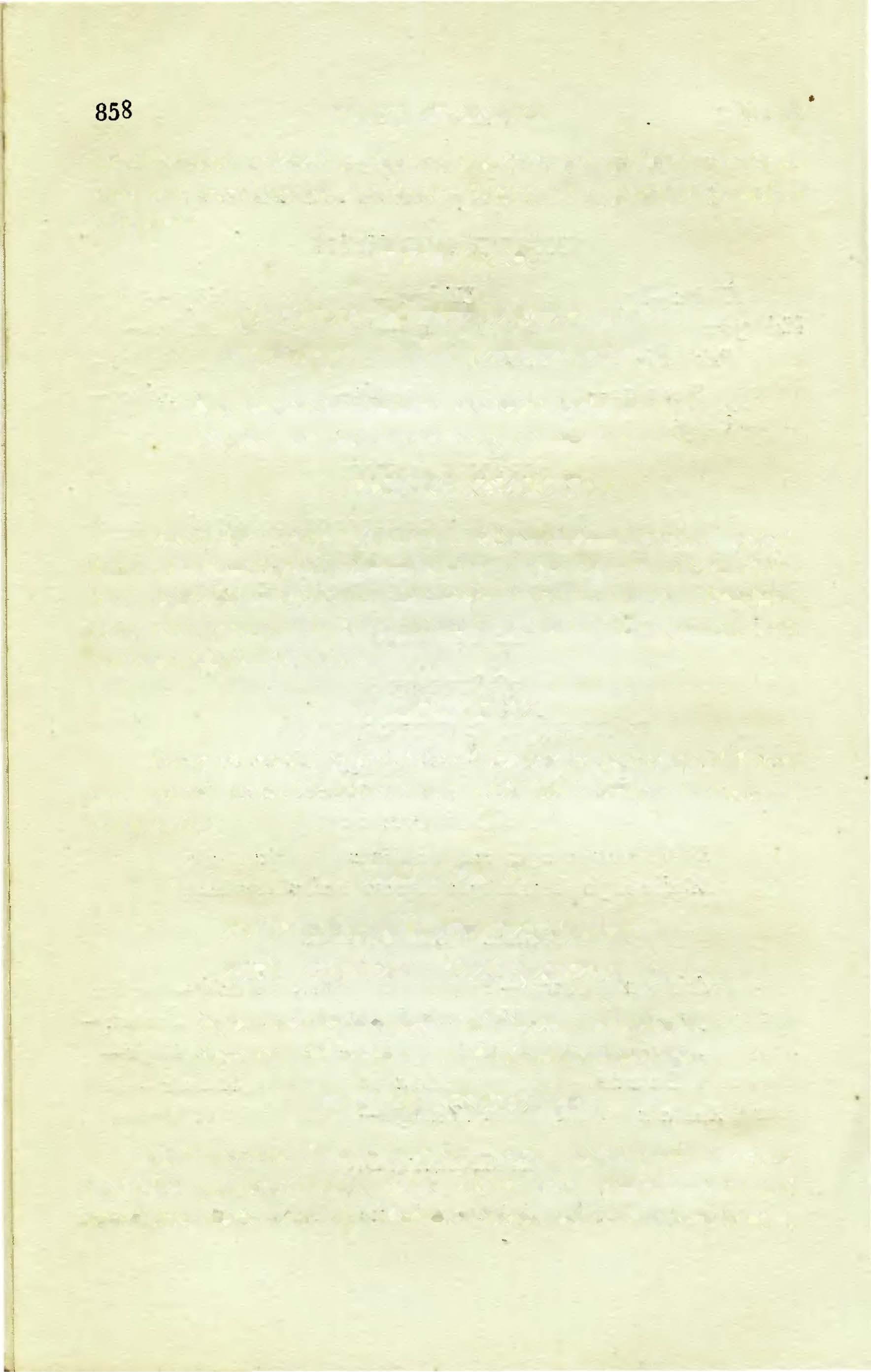
A �GI'a:t�etn�) qTgt:rt=:ll: ��ltftlrT: l
81Taa- "�2"T:�+f �Cf!I\Tsr�:�'fq� II
Sapta swasarastatpatnyo matulat]Jah sahatmajaft
Asate sasnusah kshemam devaki pramukhahswa;,am.
ENGLISH SYNONYMS
SapttJ-seven, Swasaras-own sisters, Tatpatnyo-his wives, Matulanyo -:maternal aunts, Saha:.._along with, Atmajah-sons and grandsons, Asate-are all, Sasnusa-along with daughter.in·laws,
858 SRIMAD BHAOWATAM · [Ch. 14
•
Kshemam-happiness, Devaki-ofthe name, Pramukha-headed by, Swq)'am-personally.
TRANSLATION
His seven wives �headed by Devaki personally all are sisters themsevles. Are they all in happiness along with their sons and daughter-in-laws ?
TEXT Nos. 28, 29
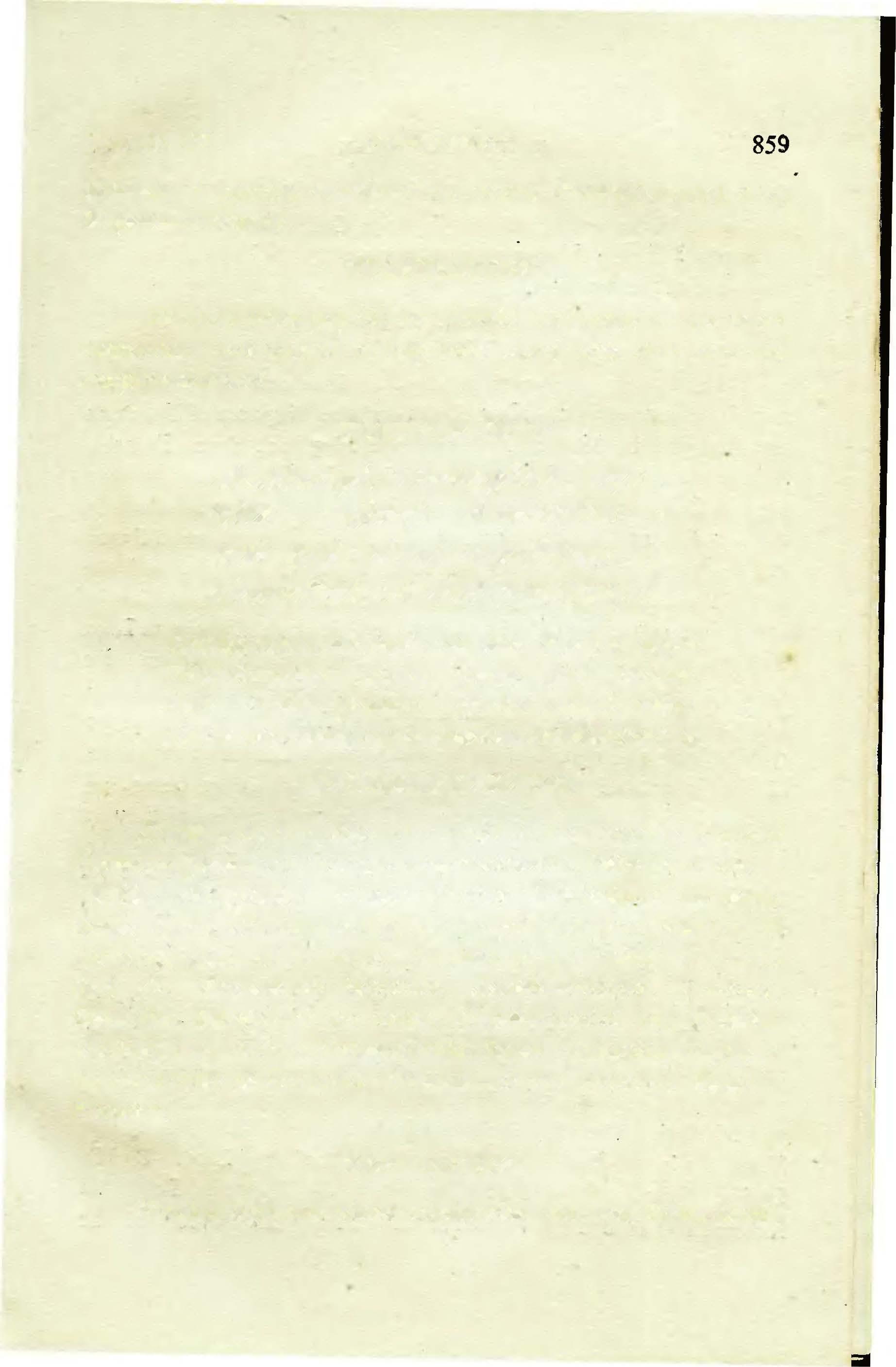
lll'f:e�iliRTS�) \lfl<fctf��)�tr :et'T2\lf: I
�tati: tf�a)��) ifttr-.:aq��T�Uft: 11
9Jt1mt p� ���� :q ��qlqtf! '
llif:a'qqf� ��q) 11'iefti_tfl(�i sr�: u
Kachchit raja ahukaJivati asat putro a.rya cha anujah
Hridikah sasuta akrura jayanta gada saranah.
Asate kusalam _ kachchit ye cha salruJid adayah
Kacchit aste sukham ramah bhagawan satwatamprabhuh.
ENGLISH SYNONYMS
.Kacchit-wh(ther, Raja-the king, Ahuka-Another name of Ugrasen·a,Jivati-still living, Asat-mischievous, Putra-son, A.ryahis, Cha -also, .Anujah-younger brother, Hridikah-of the name, Sasuta-along with sons such as, Akrura-of the name, ]l!)'anta- of the name, Gada-ofthe name, Saranah-of the name, Asate-are they aU, Kusalam-in happiness, Kacchit-whether, re-they, Cka-also, SatraJid-of the name, Adtryah-headed by, Kacchitwhether, Aste--are they, Sukham·-alright, Ramah-·Va1arama, Bhagwanthe Personality of Godhead, Satwatam-of the devotees, PrabhuProtector.
TRANSL�TION
Whether :tJgrasena whose mischievou$ son was Kansa is still
Text 28,29]
CANTO
FffiST
859
livin g along with his younger brotherDevak. Whether Hridik along with wns Kritavarma, Aluur, Jayanta, Gada, Saran and Satrajit aH happy ? How is Valarama the Personality of Godhead and the Protector of the devotees. ·
PURPORT
Hastinapur the capital of the Pandavas was situated somwhere near present New Delhi and the kingdom ofUgrasena was situated in Mathura. While returning back from Dwarka, • Arjuna must have had visited the city of Mathura onhis way back to Delhi and therefore the enquiryabout the kingMr..tthura is valid. Amongst various names ofthe relatives the name ofRama or Valarama eldest brother of Lord Krishna, is added with the word Person ality of Godhead because Lord Valarama is the immediate expansion of Vishnutatwa as Prakash Vigraha ofLord Krishna. The Supreme Lord although one without a second He expands Himself in many other living beings. The Vishnutatwa Living'Beings are expansion ofthe Supreme Lord and allofthem are qualitatively and quantitatively �qual with the Lord. But expansion of the Javashakti the category ofthe ordinary living beings are · not at all equal quantitatively SJVC and except that the same living
beings are only qualitatively equal .vith the Supreme Lord. One who
considers Jivashakti and the Vishnutatta on the equal level are cor.sidered as the condemned soul of the world. Sri Rama· or Valarama is the Protector ofthe devotees ofthe Lord. Valadeva acts as the Spiritual Master of all devotees and by His causeless mercy only the fallen souls are delivered. Sri Valadeva appeared as Sri Nityananda Prabhu during the advent ofLord Chaitanya and the Great Lord Nityananda Prabhu exhibited His causeless mercyby delivering a pair ofextremely fallensouls namely theJagai and Madhai. Therefore it is particularly mentioned hereiP� that Valarama is the Protector of the devotees of the Lord. By His Divine Grace only one can approach the Supreme Lord Sri l\,rishna l:\.nd as such Sri Valararna isthe Mercy ln<;:arnation of the
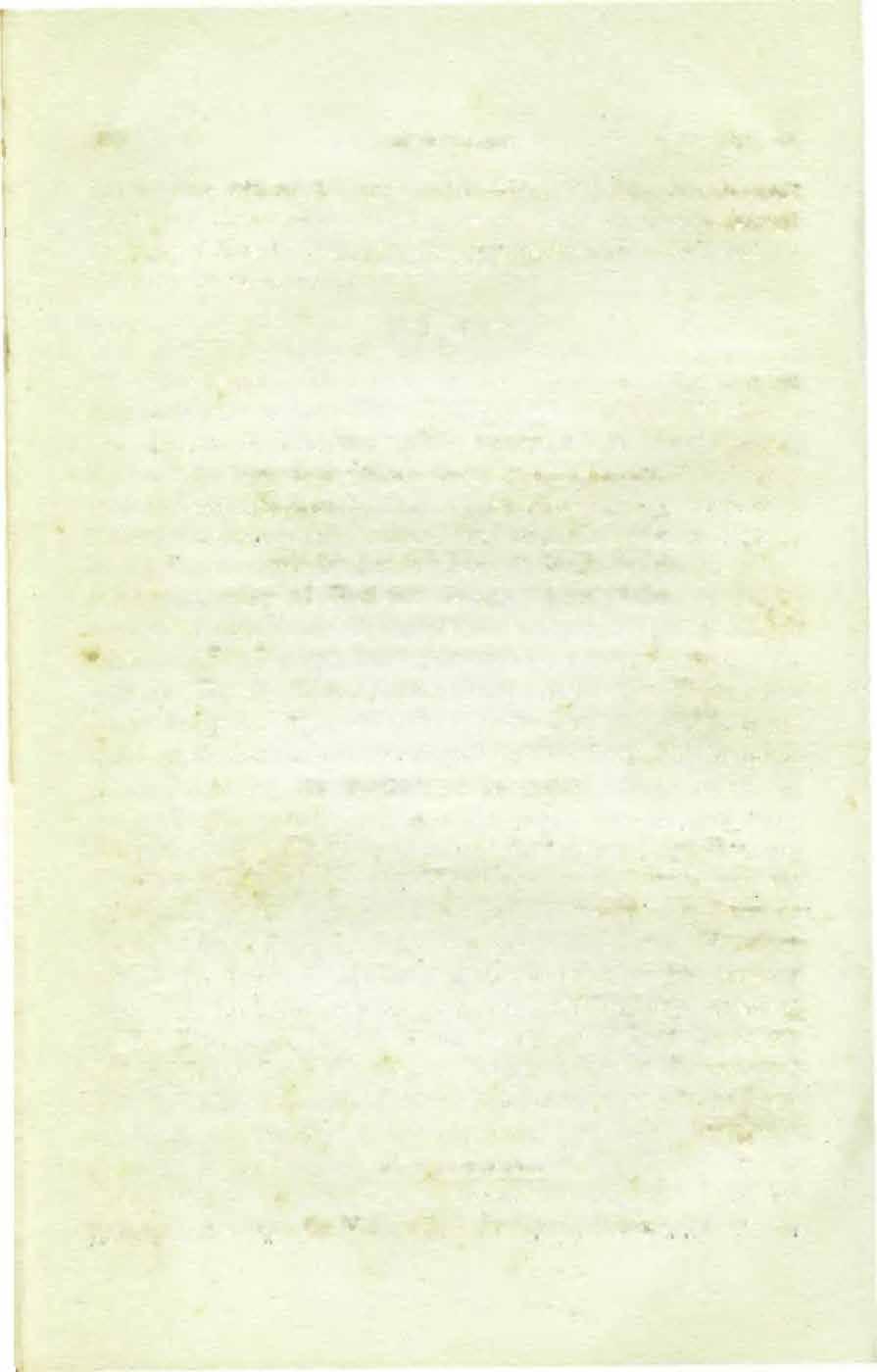
860 SRIMAD BHAGWATAM (C:h. 14
Lord manifested as the Spiritual Master the savior ofthe pure devotees.
TEXT NO. 30�

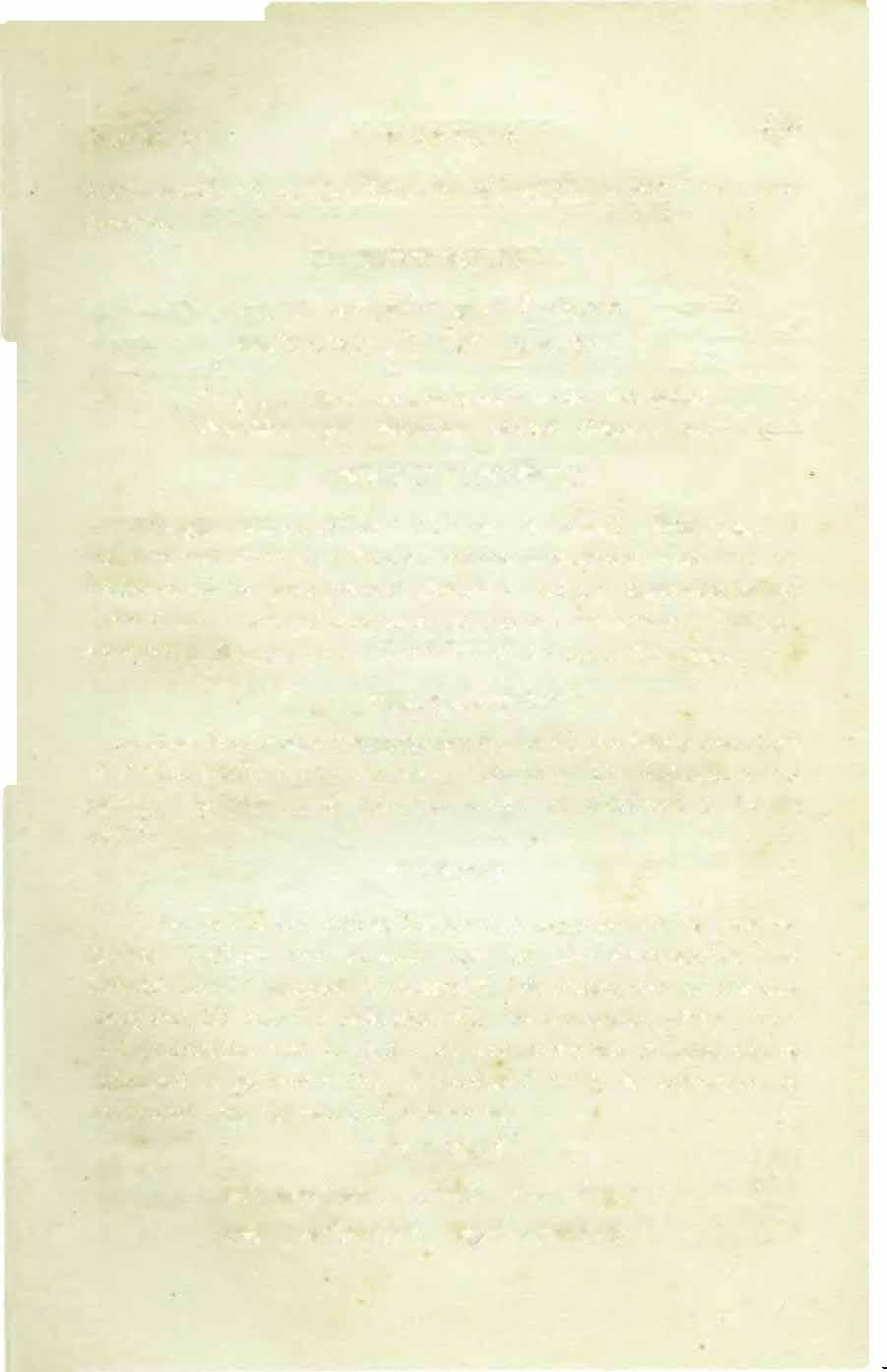
srv . ;rr: ri'!.sutt'lf §�'�
Pradyumna saroa vrishninam sukhamaste maharathah Gambhira raya aniruddha -vardhate bhagavan uta.
ENGLISH SYNONYMS
Pradyumna-son ofLord Krishna, Sarva-all, Vrishninam-of the members of Vrishni family, Sukham-happiness, Aste-are in, Maharathah-the greatgeneral, Gambhira-deeply, Raya-dexterity, Aniruddha--the name ofanothergrand-son ofLord Krishna, Vardhat8flourishing, Bhagavan-the Personality ofGodhead, Uta-must.
TRANSLATION
How Pradyumna the great general ofall the family members ofVrishni family is in happiness and how He Aniruddha the plenary expansion of the Personality of Godhead is faring well ?
PURPORT
Pradyumna and Aniruddha are also expansion ofthe Persona.. lity of Godhead and as such they are also Vishnutattwa. At Dwarka Lord Vasudeva is engaged in His transcendental pastimes along with His plenary expansions namely Sankarsan, Pradyumna and Aniruddha and as such each and every one of them can be addressed as the Personality of Godhead as it is mentioned in connection with the name ofAniruddha.
TEXT No. 31. �"����
Text 30,31]
CANTO 861
FIRST
���q: ' q;;fl'�a)sf.:t'q) Cf� 1ff{Cf�cr ''
=srt¥iil'4'ett�a:
�n;q)
'
a;ir'Ilf'TfisvrSili'U: � 'I[Q";rtq�: II
Susena Charudeshnas cha sambo jambovatisutah
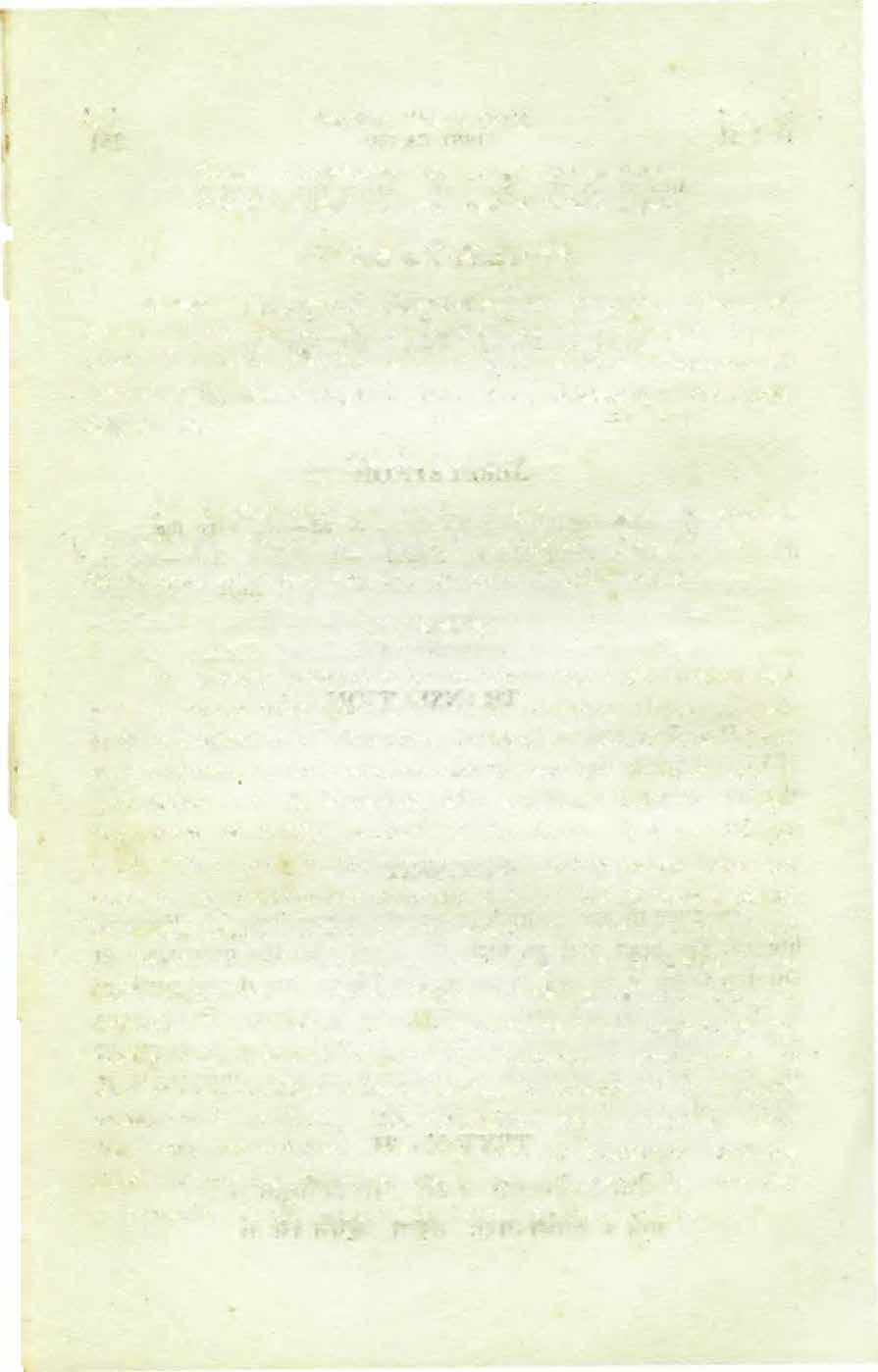
Anye cha karshni pravarah saputra rishabhadayah.
ENGLISH SYNONYMS
Susena-ofthe name, Charudeshnas-of the name, Cha-and, Samho-of the name, Jambovatisutah-son of Jambobati, Any1others, Cha-also, Karshni-sons of Lord Krishna, Pravarah-all chieftains, Saputra-alongwith their sons, Rishava-of the name, Adayah-etc.
TRANSLA�IO�

All chieftain-like 'sons of Lord Krishna such as Susena, � Charudhesna, Sambo the sons of Jambobati� Rishava and all others along with their sons etc. are they all doing well ?
PURPORT
As already referred to herein before that Lord Krishna had married sixteen thousands one hundred and eight wives so each ofthem hadten sons. Therefore 16108Xl0= 161080 sons. They l were all growf! up and therefore each ofthem'had as many sons as their father and the whJle aggregate was some thing near about one crorcs of family members of the Lord. It is just like the Lord. The Lord is the Father of all living beings who are countless by number and therefore if only a few ofthem is calledfor associatingthe Lord in his trans�endental pastime as the Lord of Dwarka on this earth there is nothing to be astonished ifthe Lord maintained a visible family consisting of one crore of members. It is better to refrain ourselves _ from calculating the Lord's position as that ofours and it becomes a simple truth as soon as we understand at least a partial calculation of the Lord's transcendental position. King Yudhisthira while· enquiring about the Lord's sons and grand sons a:t Dwarka, he mentioned only the chieftains amongst them otherwise it was impossible for him also to remember all the names ofthe Lord's family members.
r 862 ( SRIMAD BRAGWAT.AM:
[Ch. 1�
Tatha eva anucharah soureh srutadeva uddhavadayah
Sunanda nanda f.sirsanya ye cha anye satwata risha-vah.

Api swasti asate sarve rama krishna bhujashryah
.Api smaranti asmakam kushalam baddhasouhridah.
ENGLISH SYNONYMS
Tatah-similarly, .Anucharah-constant companions, Sourehof Lord Sri Krishna such as, Srutadeva-ofthename, UddhavadayahUddhava and others, Sunanda-of the name, Nanda-ofthe name, Sirsanytt-other headmen, Te-all of them; A'f)Je-others, Satwataliberated souls, Rislzavas-the best men, Api-if, Swasti-we11 doing, Aste--are, Sarve-all of them, Rama-Valarama, Krishna-Lord Krishna, Bhujaslzraya..J.under the protection of, Api-if also, Smaranti-do remember, Kushalam-welfare, Asmakam-about ourselves, Baddhasouhridah-bound up by eternal friendship.
TRANSLATION
Similarlyare they all such as Uddhava and others, Nanda1 Sunanda and other head men leaders of the liberated souls who are constant companions of the Lord as also protected by Lord Valaram and Krishna doing well in their respective functions ? Do they all who are aU eternally bound up in friendshipwith us, do remember about our welfare ?
PURPORT
The constant companions ofLord Krishna such as Uddhava �tc all are liberated ,ouls and they had descended along with Lord
Text 32,33]PIRSTCANTO
,a�e��anC(q: �;q.:r;q-�)�lJT i) :en;i) "'�cratfoqr: 11 atfq f�(q'T� "- U'llWtSGt'4l\WT�trT! I ... "' "fq �"� !�"�'�
TEXT No. 32, 33 ri��T: �1�:
il'4�1�q:n '1
863
Krishna on this material world to fulfill the mission ofthe Lord. The Pandavasare alsosimilarly liberated souls who descended along with Lord Krishna to serve Him in His transcendental pastimes on this earth. As stated in the Bhagwat Geeta ( B. G. 4/5) the Lord and His eternal associates who are also liberated souls like the Lord come down on this earth at certain intervals. The Lord remembers them all but His associates although liberated souls do forget about them on account of their being Tatastha Sakti or marginal potency of the Lord. That is the difference between the Vishnutatwa and Jivatatwas. The Jivatatwas are infinitesemal potential particles of the Lord and therefore they require the protection ofthe Lord at all times. And to the eternal st>rvitors ofthe Lord the Lord is pleased to give all protection at all times. The liberated souls never therefore think ofthemselves as free as the Lord or as powerful as the Lord but they always seek the protection ofthe Lord at all circumstances never mind either in the material world or in the spiritual world. This dependence ofthe liberted soul is constitutional as much asthe sparks of the fire can exhibit the glow offirealong withthe fireandnotindependently. Independently the glow of the sparks become extinguished although the quality of fire or glowing is there. As such those who give up the protection ofthe Lord and become so called lord themselves out of spiritual igonrance do come back again ' in this material world even after prolonged Tapasya ofthe severest type. That is the verdict ofall vedic literature.
TEXT NO. 34
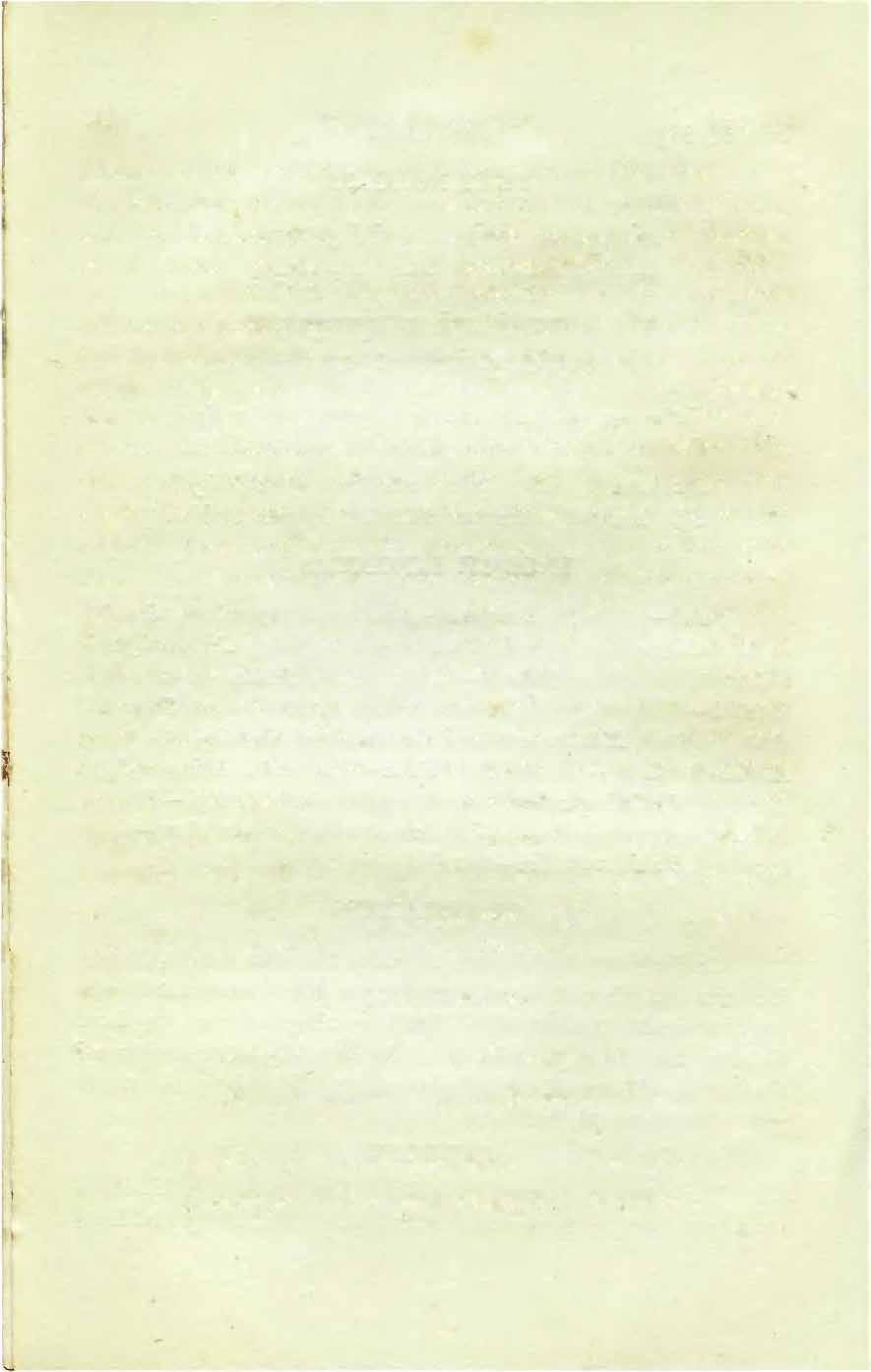
864 SBIMAD BHAOWATAM
14
[Ch.
�y;rfq tr)f�) 'J{Fill) ll'���: em���� �t:t"ftl' ��'� ��: ,. Bhagwan api govinda brahmanya bhakta-vatsalah /(achchit pure sudharmayam sukham aste.suhridbritah.
ENGLISH SYNONYMS
Bhagwan-the Personality of Godhead Krishna, Api-also, Govinda-One who enlivens the cows and the senses, Brahmanyadevoted to the devotees or the Brahmins, Bhaktavatsalah--affectionate for the devotees, Kachchit-whether, Pure-in the Dwarkapuri, Sudharmayam-piousassembly, Sukham-happiness, Aste-does enjoy, Suhridbritah-surrounded by friends.

TRANSLATION
Whether Lord Krishna the Supreme Perwnality of (;odhead Who Is pleasure to the cows, sensts and the Brahmins, Who is very much affectionate for the devotees, does enjoy in the pious assembly at Dwarkapuri surrounded byfriends 7
PURPORT

Here in this particular verse the Lord is descdbed as Bhagawan, Govinda, Brahmanya and Bhaktavatsal. He is Bhagwcn Swayam or the original Supreme Personality of Godhead full with all opulences, all power, all knowledge, all beauty, all fame and all renunciatiens. No body is equal or greater than Him. He is Govinda became he is the pleasure of the cows and the senses. Those who have purified their senses in relation with devotional service ofthe Lord, can render unto Him real service and thereby derive transcendental pleasure out of such purified senses. On the impure codition the Jiving being cannot derive any pleasure from the senses but being illmioned by false pleasure of the senses, becomes servant of the senses. Therefore, we need His protection for our own interest. The Lord is the protector of the cow and the Brahminical culture. In a society which is devoid of cow protection and Brahminical culture, is not under the direct protection ofthe Lord as much as the prisoners in the jails are not under the protection of the king but under the protection ofthe severe agent of the king.
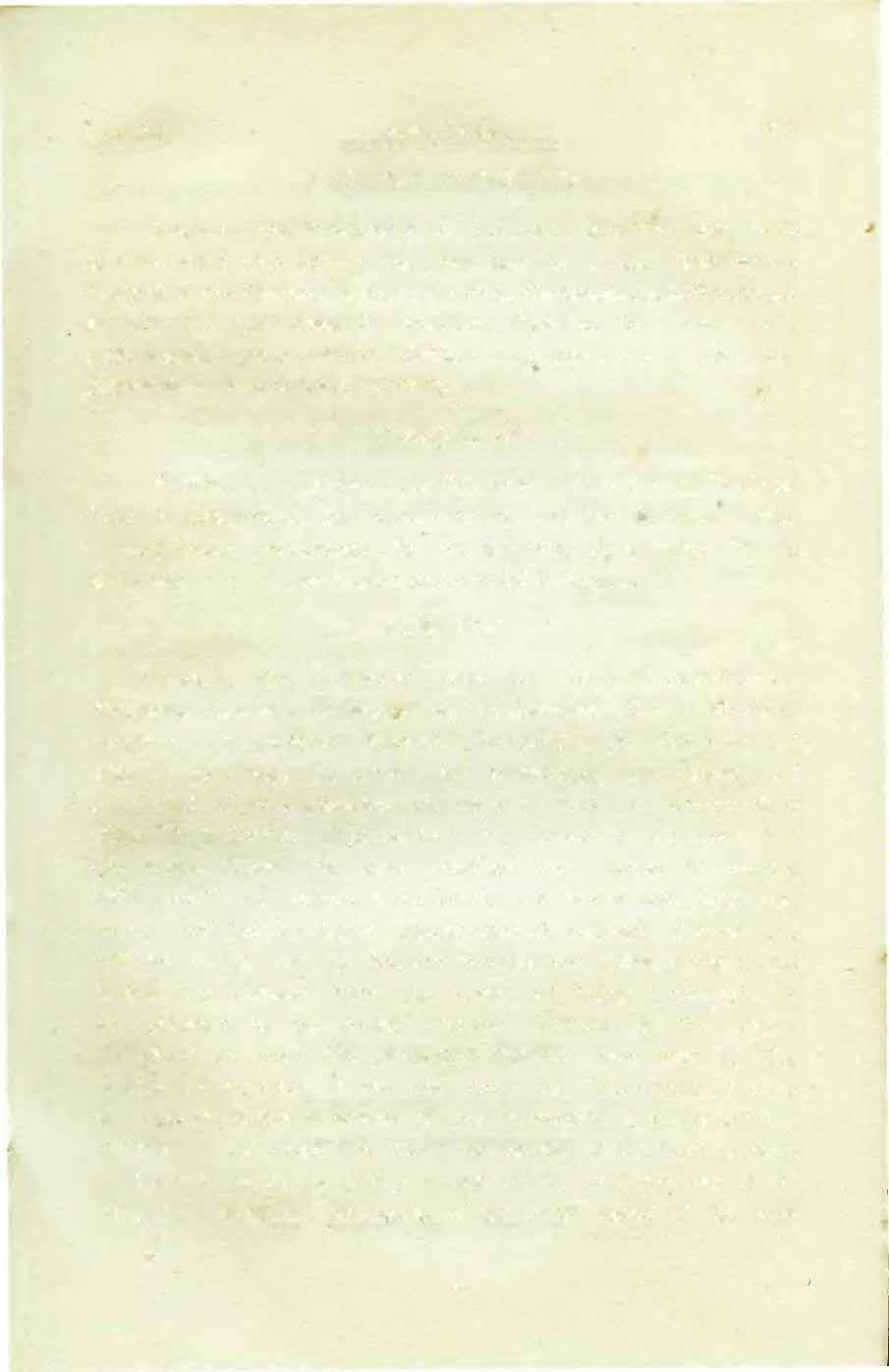
Text 34) FIRSTCANTO 865
Without cow protection and cultivation of the Brahminical qualities in the human society, at least for a section of members ofthe society, no human civilisation can prosper at any length. By Brahmmical culture or developing the dormant quality of goodnessnamelytruthfulness, equanimity,sense-control; forbearance, simplicity, knowledge general, knowledge traE.scendental and firm faith in the vedic wisdom, one can become Brahmin and thus one can see the Lord as He is. And after surpassing the Brahminical perfection one has to become a devotee of the Lord so that His living affection in the form ofthe Proprietor, Master, Friend, Son and Lover can be transcendentally achieved. The stage of a devotee, which attracts the transcendental affection ofthe Lord, doesnot develop unless one has not developed the qualities ofa Brahmin as above mentioned. The Lord is inclined to a Brahmin of quality and not offalse prestige. Those, who are les� than a Brahmin by qualification cannot establish any relation with the Lord as much as fire cannot be kindled in the raw earth except the wood although there is link of relation with wood and the earth. The Lord being thus all perfect in Himself there could not be any question of His welfare and Maharaj Yudhisthir refrained from asking this question. He simply enquired about His resid ential place Dwaraka puri where pious men assemble. The Lord stays there only where pious men assemble and take pleasure in the matter of glorifying the Supreme Truth. Maharaj Yudhisthir was anxious to know about the pious men and their pious acts in the city ofDwarka.


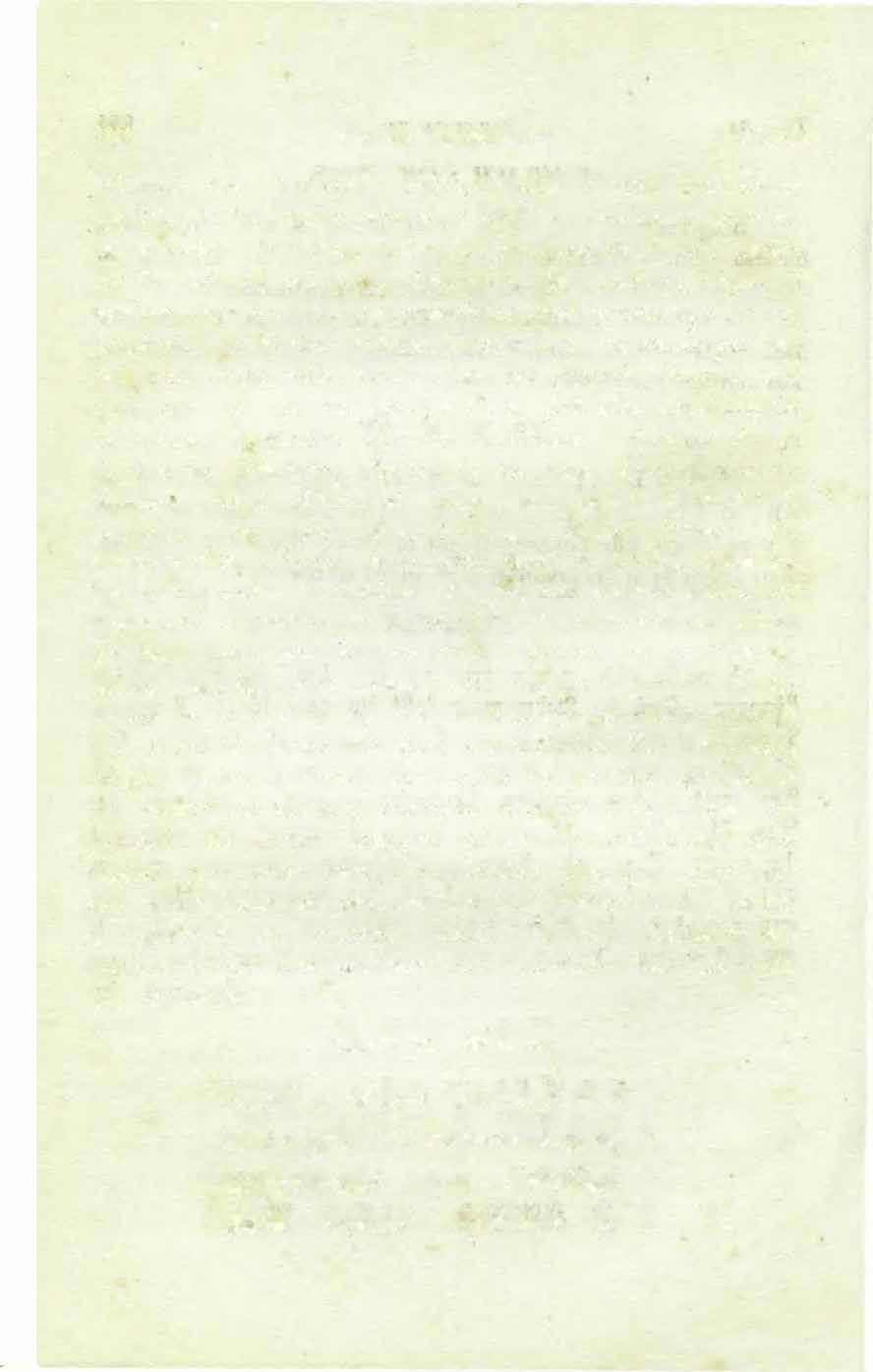
' 866 SRIMAD BHAGWATAM [Ch. 14
TEXT No. 35 & 36 1=(q�Tq � �)�Tifi �q'llf � ��llf i!1 at�alf�!J�T;;J)f:l'T'lTU)Sif;:tm�:��:rlf! tI ttil�oquog�ta"tlli '�lff lftfll')sf�: t 'Jfiftfi(f 'R'flif� "�,q�fqllll t'( t'
Texts 35,36)

FIRSTCANTO
Mangalaya cha lokanam kshemaya cha bhavaya cha Aste yadukulambhodhou adi anantasakhah puman. Tad bahu dandaguptayam yadayah uchitah kridanti paramanandam mahapourisika u•a
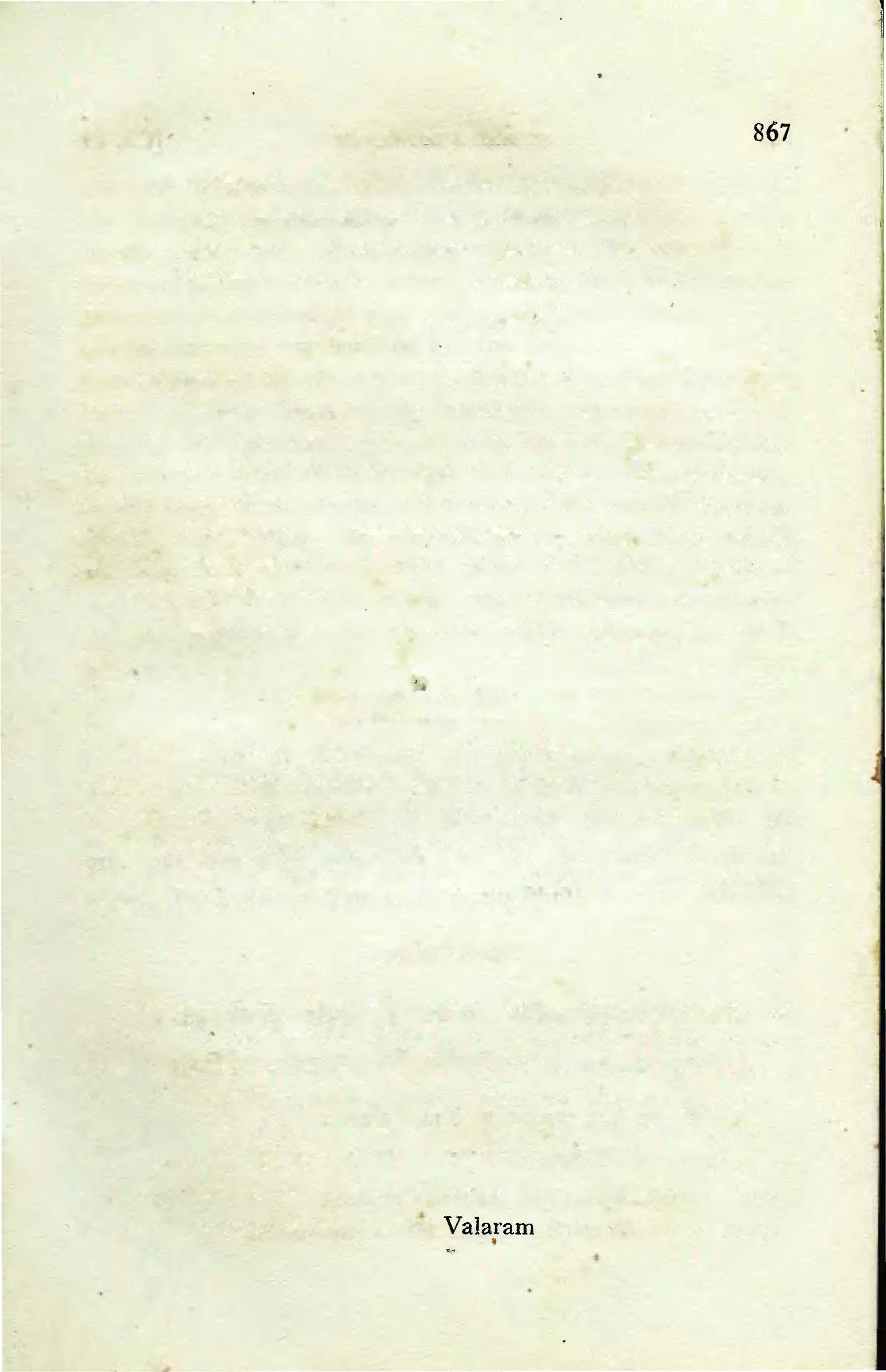
Mangalaya-for the matter of all good, cha-a]so, Lokanamofall the planets, Kshemaya-for protection, cha-aud, Bhavayafor elevation, cha-aJso, Aste-is there, Tadukulambodhou-in the ocean of the Yadu dynasty, Adi-the original, Anantasakhahin the company of Ananta (Valarama) Puman-The Supreme enjoyer, Tad-whose·, Bahudandaguptayam-being protected by His arms, Tadavah-the members ofthe Yadu family, Uchitadeservingly, Kridanti-are relishing, Paramanandam-transcendental pleasure, Mahapourisika-the residents of the spiritual sky, Ivalike.
TRANSLATION
The Original Personality of Godhead and Enjoyer
18 staying along with Valaram who is Primeval Lord Ananta in the ocean of Yadu dynasty for the walfare, protection and all round progress of all the u�iverse. And the members of the Yadu dynasty are enjoying life like the residents of the spiritual sky being protected by the arms ofthe Lord.
PURPORT
As we have discussed many times, the personality of Godhead Vishnu resides within each and every universe in two capacities namelyasthe Garbhodaksayee Vishnuand as the Khirodaksayee Vishnu. The Khirodaksayee Vishnuhas His own planet on the northern top ofthe universe and there is a great ocean of milk where the Lord resides on· the bed of Anananta incarnation of Valadeva. As such Maharaj Yudhisthira has compared the Yadu dyna�ty as th� ocean ofmilkand Sri Vaia am asthe Anantawherethe
ENGLISH
867
SYNONYMS
•
LordKrishnawas residing. He has compared the citizensofDwarka with the liberated inhabitants of vaikunthalokas. Beyond the material sky as far as we can see with our eyes and beyond the sevenfold coverings ofthe universe there is causal ocean in .vhich all the universes are floating like foot balls and beyond causal ocean there is unlimited span pf sphitual sky generally known as the effulgence of Brahman. Within this effulgence Brahman there are innumerable spiritual planets and they are known as the Vaikuntha planets. Each and every Vaikuntha planetis many many times bigger than the biggest universe within the material world and in each ofthem there are innumerable prototype of Vishnu inhabitants exactly looking like Lord Vishnu. These inhabitants ofVaikuntha planets are known as the Mahapourisikas or persons directly engaged in the service of the Lord. These Mahapourisikas are happy in those planets without any kind of misery and they live perpetually in full youthfulness enjqying life in full bliss and knowledge without any fear of birth death oldage or diseases or without any influence ofthe Kala eternal time. Maharaj Yudhisthra has compared the inhabitants of Dwarka with the Mahapourisikas of Vaikunthaloka because they are so happy along with the Lord. In the Bhagwat Geeta there are many references of the Vaikuntha lokas �and they are mentioned there as Maddhama or the kingdom ofthe Lord.
TEXT No. 37
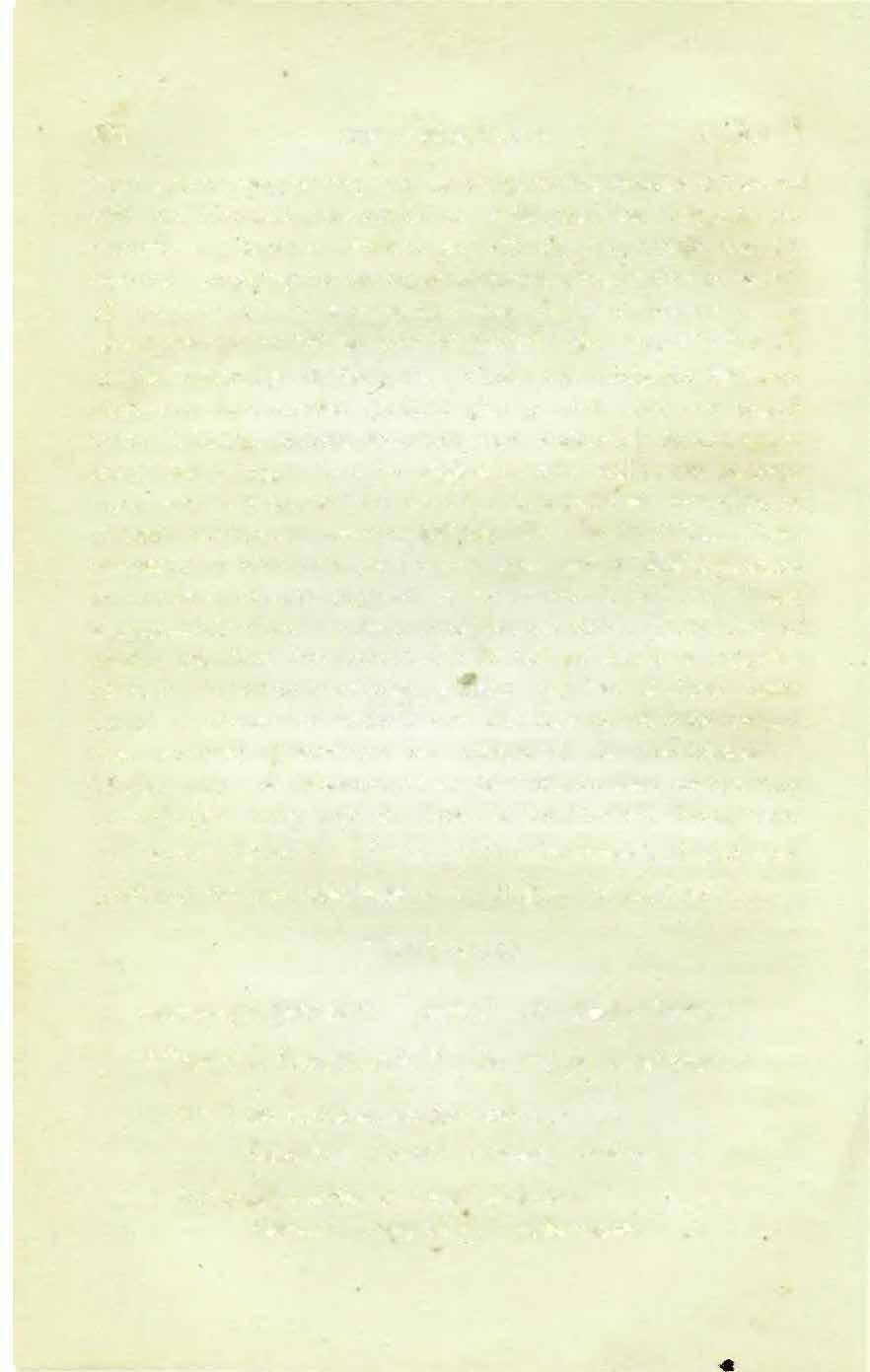
Tad pada susrusana mukhya karmana
Satyadayo dwyasta sahasra yositah
Nirjitya samkhye tridasam stadasiso
Haranti vajrayudha valla-vauchita.
868 SRIMAD
[Ch. 14
BHAOWATAM
mtrt•tr) ����q)mr: ' �f��q �� m�f,a"qYf�wsft{!'(fia" CfiiJT�q��ll)f:qat: II
tKq"f'��S!o!qvr�,q�qort
ENGLISH SYNONYMS
rad-whose, Pada-feet, Susrusana-administrationof comforts
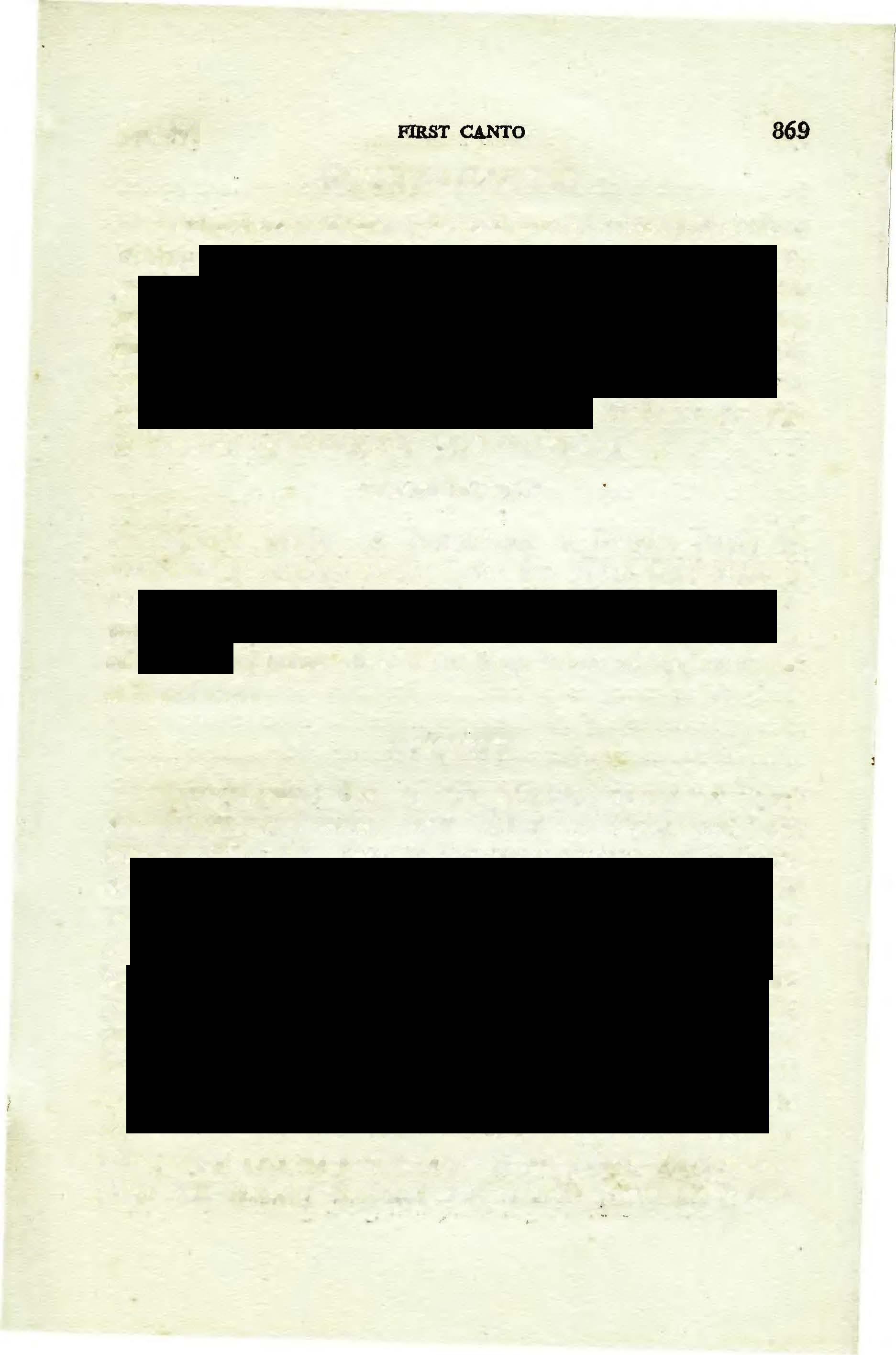
Muk!!)la-the most important, Karmana-by the acts of, Saryadaya-queens headed by Satyabhama, Dwayasta-twice eight, Sahasra-thousand, rositah-the fair se.x:, NirJitya-by subduing, Samkhye-in the battle, Tridasam-of the denizens of heaven, Tadaskiso-what are enjoyed by the demigods, Haranti-do take away, Va;rayu&ballabh-The better halves ofthe Personality who controls overthe thunderbolt, Uchita-deserving,
TRANSLATION
Queens headed by Satyabhama at Dwarka, simply by administering comforts at the Lotus feet ofthe Lord which is the most important of allservices, inducedthe Lordto conquer overthe demigods and thus the queens enjoyed thingswhichare only deserving prerogatives ofthe better halves of the controller of thunderbolt.
PURPORT
Satyabhama : One of the principal queens of Lord Sri Krishna at Dwarka. After killing the Narakasura , Lord Krishna visited the place of Narakasuraaccompanied by Satya. bhama. He went to Indraloka also with Satyabhama and She was received by Sachidevi who introduced her with the mother of the demigods, Aditi. Aditi was very much pleased with Satyabhama and she benedicted her with the blessings of perma· nent youth as long as Lord Krishna- remains on the earth. Aditi also took her with her to show the special prerogatives of the demigods in the heavenlyplanets when shesaw the parijat flower and desired t1) have it in her palace at Dwarka. After that she came back 11) Owarka along with her liusband and expressed her willingness to have the parijat flower at her palace. Satyabhama's palace was specially bedecked with valuable jewels and even in
· Text37] FIRSTCANTO 869
the hottest season ofsummer inside ofthe palace remained cooled as air-conditioned. She decorated her palace with various flags heralding the news of her great husbands presence there. Some times she met Droupadi along with her husband and she was anxious to be instructed by Droupadi the ways and means of pleasing the husband. Droupadi was expert in this affair because she kept five husbands the Pandavas all very much pleased with her. On receipt of Droupadi•s instructions on husband pleasing affairs she was very much pleased with her and offered her good wishes and returned back to Dwarka. She was the daughter of Satrajit. After departure of Lord Krishna when Arjuna visited Dwarka all the queens including Satyabhama and Rukmini lamented for the Lord with great feelings. At the last stage of her life she left for the forest to undergo severe penances.
Satyabhamainstigatedher husbandto getthe parijatflower from the heavenly planets and the Lord had it even by force from the demigods as much as a common husband secures things for pleasing hisbetterhalf. As already explained the Lord had very little to dowith so many wives and carry out their orders like ordinary man. But becausethe queens accepted the high quality ofdevotional service namely administering the Lord all comforts the Lord playe� the part ofa faithful complete husband. No earthly creature can expect to have things from the heavenly kingdom and specially the Parijat flowers which are simply to be used by the demigods. But due to their becoming the Lord's faithful wives all of them enjoyed the special prerogatives ofthe greatwives of the denizens ofheaven. In other words the Lord being the proprietor ofeverything within His creation it is not very astonishing for the queens of Dwarka to have any rare thing from any part of the universes at any length.
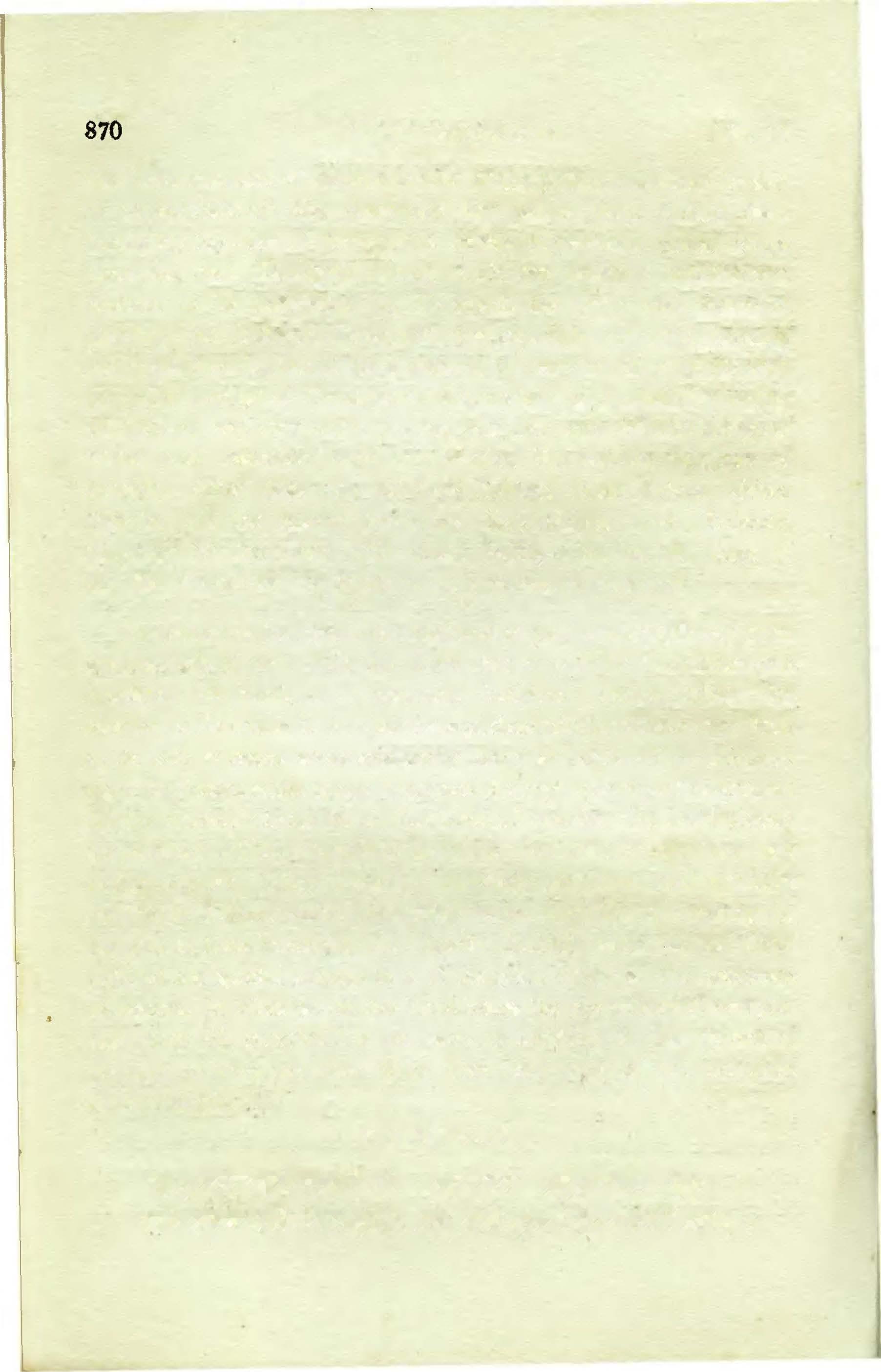
870 SRIM'ADBHAOWATAM
14
[Ch.
No. 38 QitgqQ�r+Jqlfl��)f�) q;Sfit�T ��6)1Jln !§: I vfq�1fitlti=fRf;ru�af ·�� �nrf !J�'lf ��"a'f)f;:mT� u
TEXT
Tad hakudanda abhyudaya anujivino
radu Pravira akutobhaya mukuh.
Adhikramantyamanghribhirahritamvalat


Sabhamsundharmamsurasattam uchitam.
ENCLISH SYNONYMS

Tad-whose, Bahudanda-arms streature, Abhyudaya-inft. uenced by, Anuji'rino-aways living, Tadu-the members of the Yadu dynasty, Pravira-great heroes, Akutohhayam-fearless in every respect, Muhuh-constantly, Adhikrantam-trampling over, Anghrihhir-by foot, Ahrita-brought about, Valat-by force, Sahham-assembly house Sudkarmam-ofthe name, Surasattama-the best amongst the demigods, Uchitam-deserving.
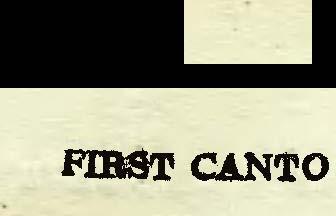
TRANSLATION

The great heroes ofthe Yadu dynasty being protected by the ·arms streature ofLord Sri Krishan always remain fearless in every respect. And as such they are traverssing with their feet on the assemblyhouse ofthe name Sudharma which isjust deserving for the best demigods and was forcibly taken away from them.
(demigods)


PURPORT
Those who are directly servitors of the Lord are not only protected by the Lord from all respects of fearfulness but also canenjoy the best ofthe things even they are forcibly accumulated.The Lord is equal in behaviour with all living beings but He is partial withHispure devotees being too much affectionate upon them. The city of Dwarka was flourishing being enriched with the best ofthings in the material world. The state assembly house ofparliament is constructed according to the dignity ofthe particular state. In the heavenly planet the state assembly house called by the Sudharma was just deserving the dignity of the best ofthe demigods. Such assembly house of parliament is never
. 871
•
meant for any state on the globe because the human being on the earth is unable to construct: such parliament house however a parti· cular state may be materially advanced. But during the time of Lord Krishna's presence on the earth the members ofthe Yadu family forcibly brought down the celestial assembly house on earth and :fixed it up at Dwarka. They were able to use such force because they were certain ofthe indulgence and protection ofthe. Supreme Lord Krishna. In other words the Lord is provided with the best thing in the universe by His pure devotees. Lord Krishna was provided with all kinds of comforts and facilities available within the universe by the members of the Yadu dynasty and in return such servitors of the Lord were protected and fearless. A forgetful conditioned soul is fearful. But a liberated soul is never fearful as much as a small child completely dependent on the mercy ofhis fatherisneverfearfulofanyone. Fearfulness isa sort ofillusion for the living being when he is in slumber by forgettini his eternal relation with the Lord. As the living being is never to die by his constitution as stat('d in the Bhagwat Geeta (B. G.2/20) then what is there as the cause offearfulness. A person in hallucination is fearful ofa tiger in dream but another man who is awake by his side sees no tiger there. · The tiger is a myth for both ofthem namely the person dreaming and the person awake because actually there is no tiger: but the man forgetful of his awaktn life is fearful where as the man who has not forgotten his position is not at all fearful of the socalled tiger. As such the members of Yadudynasty were fully awake in their service plan of the Lord and therefore they were awaken living beings and there was no tiger for them to be afraid of at any time. Even there was a real tiger the Lord was there to protect them by dint ofHis arms stretcher.
No. 39

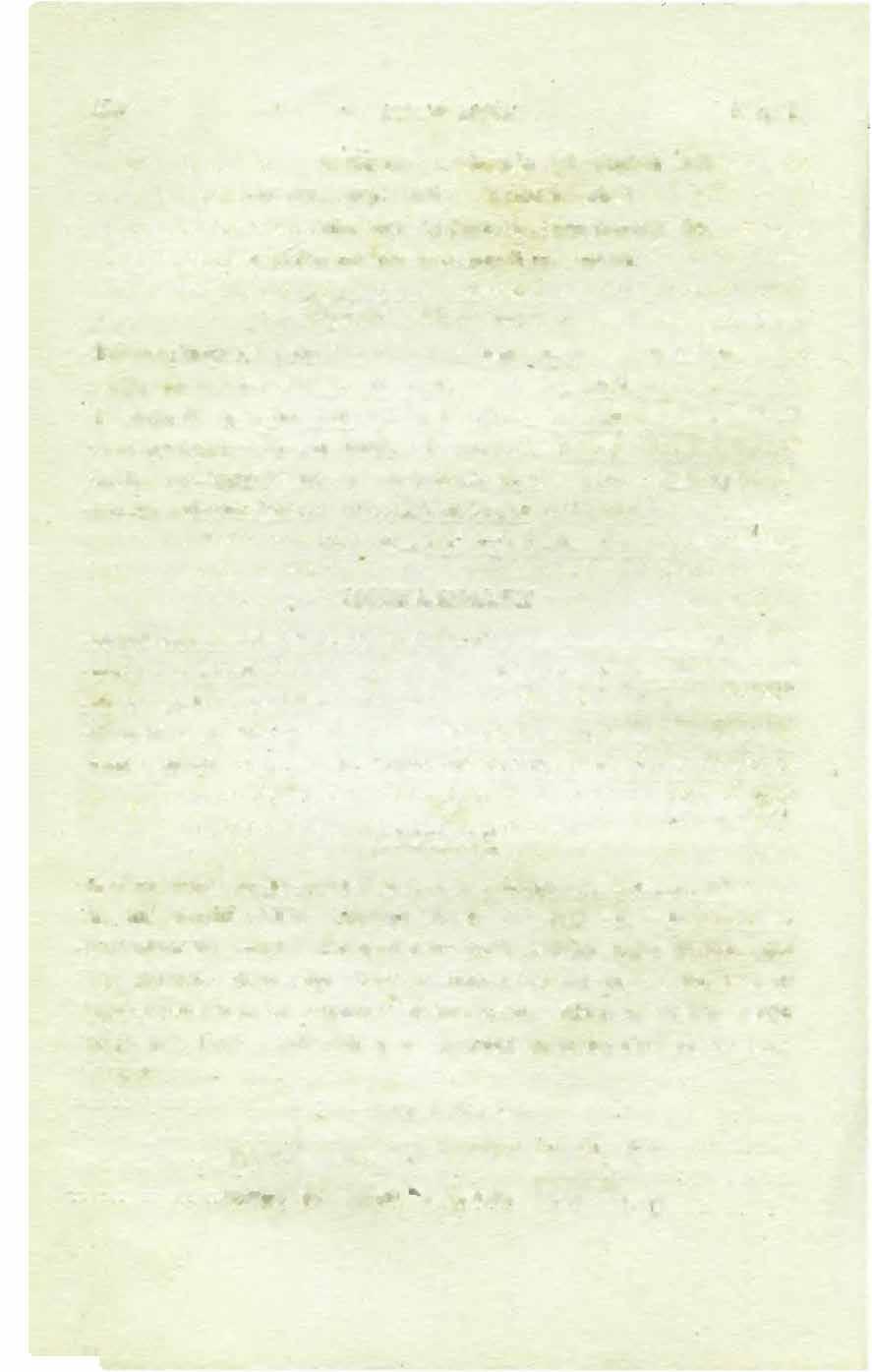
872 SRIMADBHAGWATAM
14
(Ch.
TEXT
qWaliffi'S'flllltf a'Tef '1.s!�T flonf« q I a���AtsQTa:f� �am f.cr�)fl!l'C�: ••
Text �9]




FIRSTCANTO
Kacchit te anamayam tata hhrasta teJa vibhasi me Alabdhamano avajnatah kim va tata chirositah.
ENGLISH SYNONYMS
Kacchit-whether, Te-your, Anamayam-health is alright, Tata-my dear brother, Bhrasta-bereft of, a·•lusture Vihbasiappear, Me-to me, Alabdhamano-without any respect, Avajnatahneglected, Kim-whether, Va-or, Tata--my dear brother, Chirositoon account long residence.
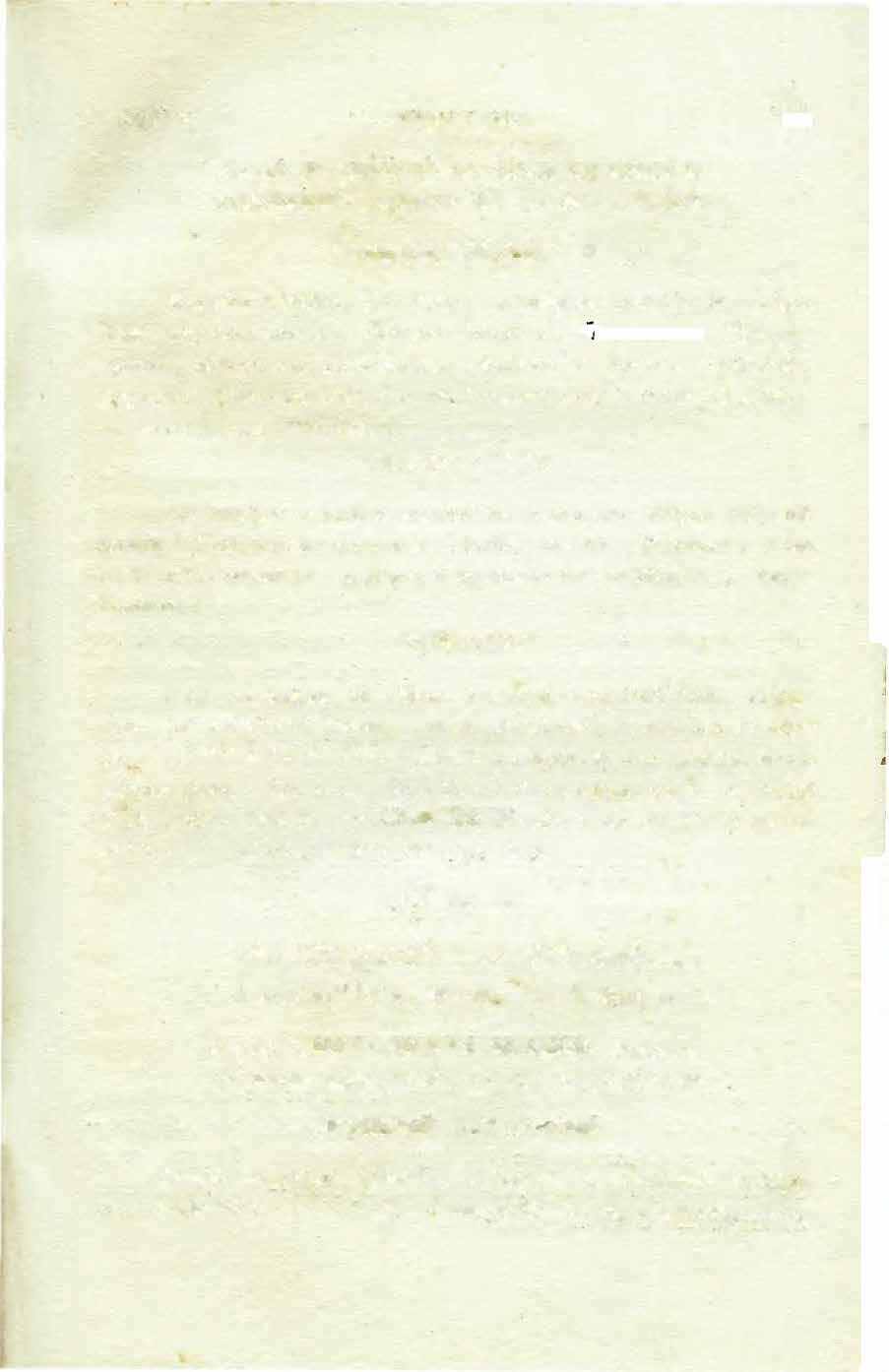
TRANSLATION
My brother ArjunCJ. please tell me ifyou are alright by your health ? You appear to me lost of bodily lusture. ·whetherit is due to your disrespect or negligence by others due to your long stay at Dwarka ?
PURPORT
From all angles of vision Maharaj enquired from Arjuna about the welfue ofDwarka but he concluded at last that so long the , Lord Sri Krishna Himselfis there, nothing inauspicious could happen there. But at the same time Arjuna appeared to bebereft ofhis bodily lusture and thus he enquired about his personal welfare and asked so many vital questions.
EXT No. 40 fd";;:�r�nfoq�a)s1lt�;
Kacchit abhihito ahhavaih sabdadibhir amangatih
Na dattam uktam arthibhya astVJa yatpratisrutam
ENGLISH SYNONYMS
Kacchit-w�?.ether, Abhihito-addresses by, Abhavaih-unfrien· dly, Sabdadibhir-by sound�, Amanga/aih-inauspiciQ!lSness, _N_a-





�;qrfqfif�"��: ;.- q:�!lfff'ff:q'tf 'lT�ttT �Sl fa",a''{ S l
did not, Dattam-given in charity, Arthib�a-unto one who asked for, Asaya-with hope, rat-what, Pratisrutam-promised to be paid.

TRANSLATION
Whether somebody has addressed you with unfriendly sound& ofinauspiciousness or you could not give in charity to one who asked for it or could not keep up your promise to an expectant receiver ?
PURPORT
A kshatriyaroyal order or a rich man is sometimes visited by persons who are in need of money. When they come for asking such donation it is the duty of the possessor of wealth to give in charity in consideration ofthe person place and time. Ifa Kshatriya or richman fails to comply with such obligation he must be very sorry for this discrepancy. Similarly one should not fail to keep up his promise of giving in c'1arity. These discrepancies are sometimes causes ofdespondecy·and thus failing person becomes subjected to criticism with unfriendly and inauspicious words which might be also the cause of Arjuna's plight.
TEXT o. 41
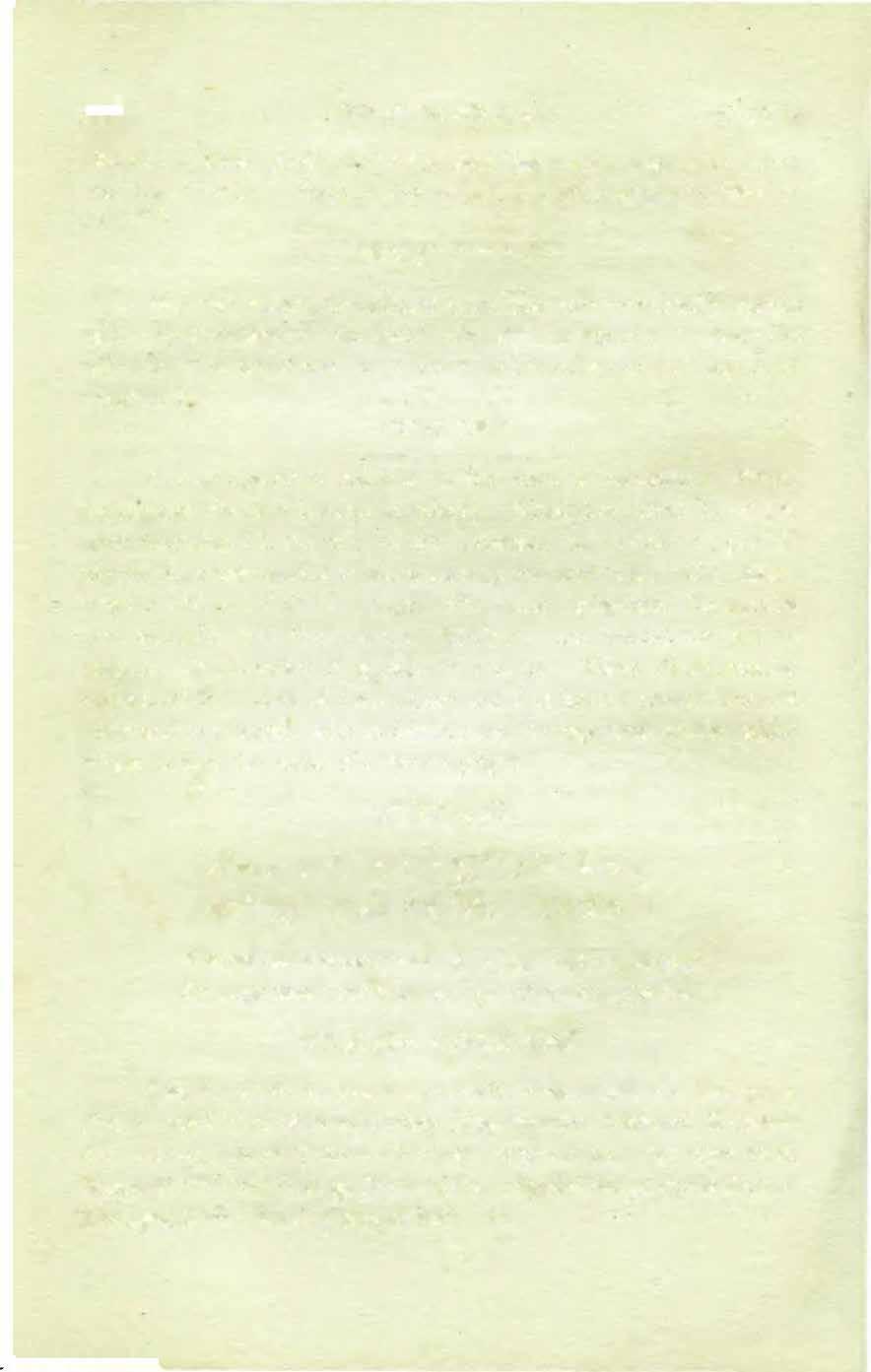
�·�
"' '!4'· �)fqof mrq't 1 utvr)�ci � ;rmrmi: firolfsrq: 11

Kacchit twam hrahmanam valam gam roginam striyam Saranopasitam sattwam na atyakshih saranapradah.
ENGLISH SYNONYMS
Kacchit-whether, Twam-yourself, Brahmanam-·the brahmins, Valam-the Child, Gam-the cow, Roginam-the deseased, Striyamthe woman, Saranopstitam-having appraoched for protection, Sattwam--any living being, Na--whether, Aryakshi-not given shelter, $aranapradak-deserving protection.
SRIM.A.DBHAGWATAM [Cb. 14
·�"•n�
You are always the protector ofdeserving living beings such as the brahmin, the child, the cow, the woman, the deseased or any other living being deserving to be protected. Could you not give such living beings protection even though approached for shelter ?
PURPORT
The Brahmin who are always engaged in researching Knowledge for the society's welfare work both materially and spiritually de3erve the protection of the king in all respects. Similarlly the chit:lren ofthe state, the cow, thedeseased person, the woman and the old man specifically require the protection o£ the state or Kshatriya King. Ifsuch deserving living beings do not get protection by the Kshatriya or tte royal order orby thestate it is certainly shameful for such degraded Kshartyaor the state. Maharaj Yudhisther was anxious to know about this discrepancy on the part ofArjuna ifsuch thingshad actually happened.
TEXT NO. 42


lliflii1f'{if •:nqq)sq�Qf '1'�lff crt�t'fiaf f�sttl'l • .. .. q"(tfsta) �T'f ;a'�Tm�;:rhrq: qf"f II
Kacchit twam na agamah agamyam gamyam va asatkritam strtJam
Parajito va atha bhavan na uttamai na samayih pathi.
ENGLISH SYNONYMS
Kacchtt-whether, Twam-yourself, na-not agamah-did contact, Agl!1am-impeachable, Gamyam-acceptable, Va-either, A.ratkritam-improperly treated, Striyam--a woman,Parajito··defeated by, Va-either, Atha-after all, Bhavan-your goodself na-not, Uttamai-by superiorpower, Na--neither, Samq,i-byequals, Pathiontheroad.
FIBSTCANTO .
875
Text 41,�42]
TRANSLATION
TRANSLATION
"lf you have had contacted any woman of impeachable character or have you not properly have treated awoman deserving contact? Or have you not had been defeated on the way by some one who is either inferior than you or equal with you ? "
PURPORT
It apears from this verse that during the time of the Pandavas free contact ofman and woman was allowed on certain conditions only. The higher castes men namely t�e Brahmins, Kshatriyas could accept a woman ofthe Vaishyas and the Sudras community but a man from the lower castes could not contact a woman of the higher caste. Even a Kshatriya could not ' contact a woman of the Brahmin caste. The wife of a Brahmin is considered one of the seven mothers namely own mother, wife of the spiritual master or teacher, the wife a Brahmin, the wife of the king, the cow, the nurse andearl'h. Such contact of man and woman was known Uttam and Adhama. Contact of the Brahmin with a Kshatriya woman is Uttama but the contact ofa Kshatriya withthe woman ofa Brahmin is Adhama andtherefore condemned. A r woman approaching a man for contact should never be refused but at the same time the discretion as above mentiont� may also be considered. Bhima was approached by one woman Hirimbi from the community oflower than the Sudras and Yayati refused to marry the Daughter of Sukracharya because of his becoming a Brahmin. Vyasdeva a Brahmin was called to beget Pandu and Dhritaastra. Sayavati belonged to the family of fishe�man but Parasara a great Brahmin begot in her Vyasadeva. So there are so many txamples of such contacts of woman but in all cases the contacts were not abominable neither the result ofsuch contacts were bad . Free love or contStct ofman and woman is natural but that also must be carried out under regulated principles so that . social consecration may not be disturbed neither:unV\anted worthless
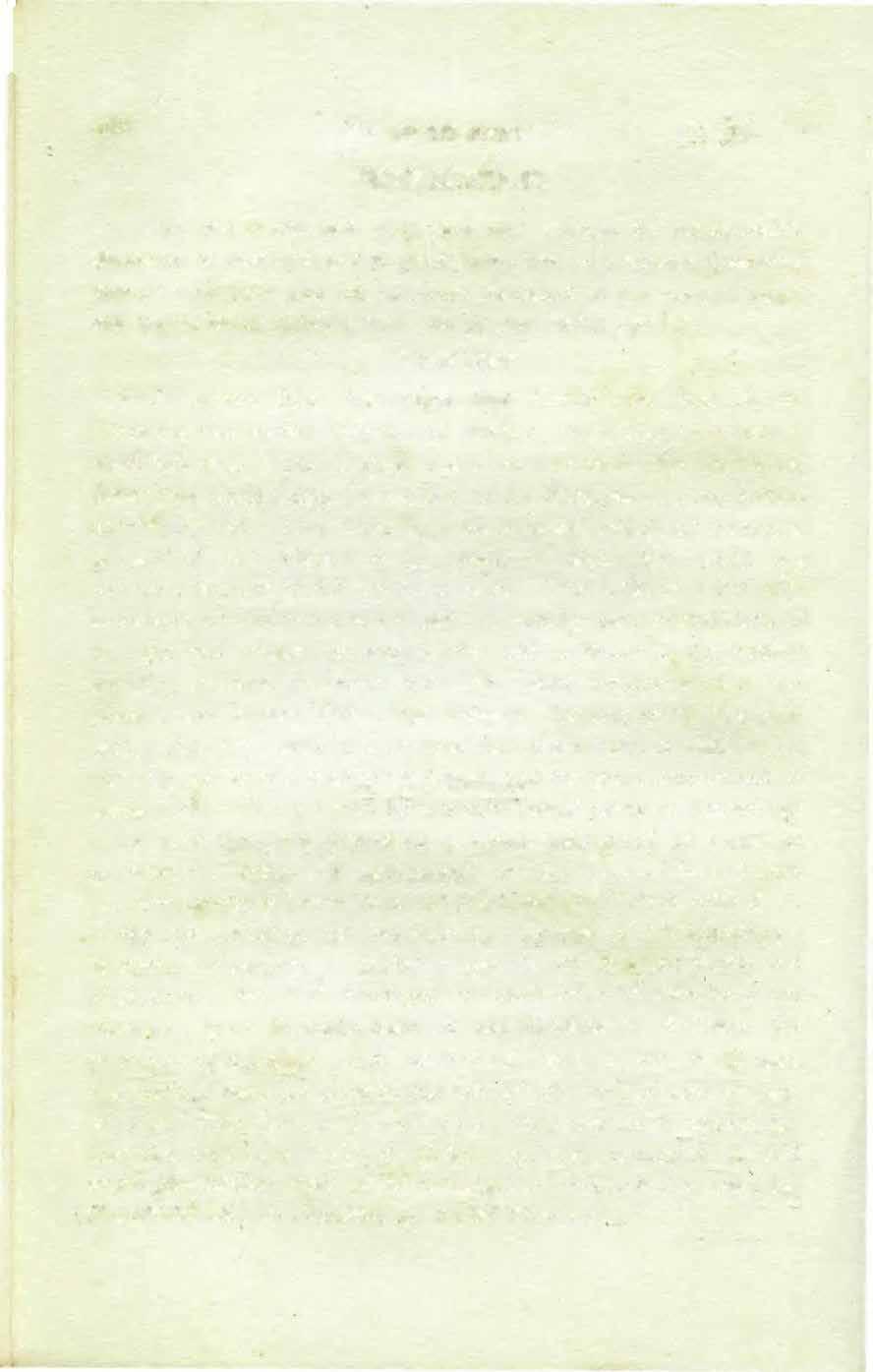
l_ populatiou may be increased for unrestoftheworld.

876 SBI.M.A..PBH.A.GWA.T..uf _ (Ch. 14
Text 43]
It is abominable for a Kshatriya to be defeated by one who is inferior in strength or equalin strength. Ifoneisdefeatedat all he may be defeated by some superior power. Arjuna was defeated by Bhismadeva and Lord Krishna saved him from the danger. This was not insult for Arjuna because Bhismadeva was far superior than Arjuna in all respects namely age, respect and strength. But Karna was equal with Arjuna and therefore Arjuna wasi11 ' crisis in fighting with Karnna. It was felt by Arjuna and therefore Karna was killed even by crooked meaas. Such are the engagementsofthe Kshatriyas and Maharaj Yudhisthir enquired from his brother if anything undesirable have had happened on the way back to home from Dwarka
TEXTNo. 43
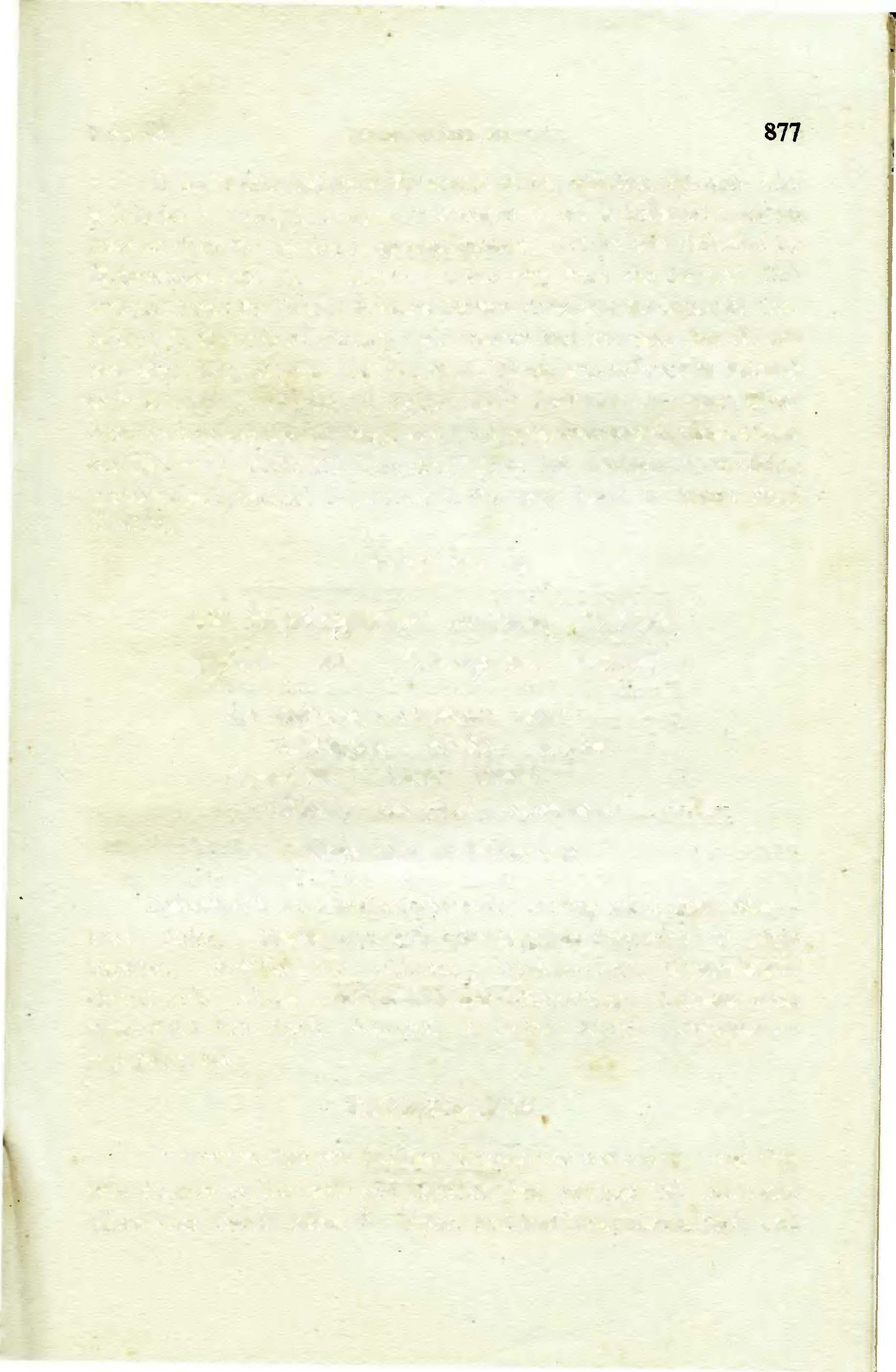
�� fffif:er�Cf!a'�l;ff 1-R�� II
Api swit parya bhunkthas twam Sambhojyan briddha valakan. Jugupsitam karma kimchit
Kritavan na yad akshamam.
ENGLISH SYNONYMS
Apiswit-:-ifit were so that, Parya---by leaving aside, Bhunkthashave dined, Twam-yourself, Sambhojyan-deserving to dine, together, Briddha-the oldmen, Valakan-boys, Jugupsitamabominable, Karma-action, Kimchit-Something, Kritayan-you must have had done, .Na-not, rad-that which, Alcshyamamunpardonable.
TRANSLATION
Is it not so that you had had not taken careofold men and boys who deserve to dine with you together but you had left them and taken your meals alone ? Ifyou had had not committed such
877
FIRST CANTO
,
�fq fi:Cf�qtfif�q'��ci �l=;r)iittt;:r Cf4Gfmcm;:r ,· �' '� ' ��ftari
unpardonable mistakes which are considered tobe abominable actions.
PURPORT
It isthe duty ofhouseholder to feed first ofall the children and old members ofthefamily, the Brahmins and the invalids. Besides that an ideal householder is required to call for any unknown hungry man to come and dine before he himself goes to takehis meals. He is required to call for such hungry man thrice on the road. Any mistake in such prescribed duty ofhouseholder specially in the matter ofthe oldmen and children is unpard1)nble.
TEXTNo.44 !fif.a;JRR1So8if.:r1q ('�i1'K'IGT;TfTa 5Jftftm�tr)fi:rcriq;rfa�s;:"'"ll'f!••

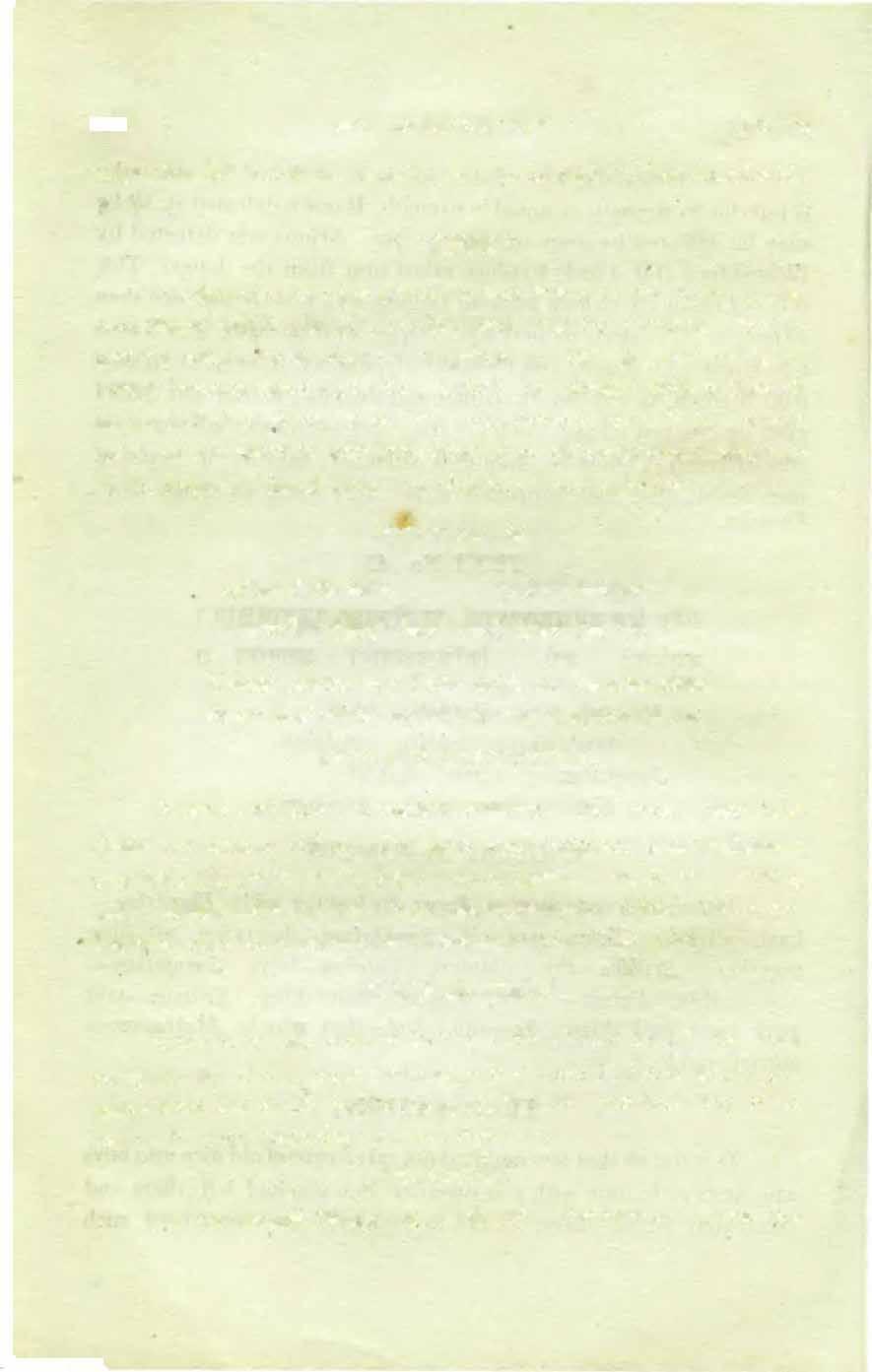
Kacchitpresthatame natha hridayena atmabandhuna Su�a asmi rahito ni�am manyase te argatha na ruk.
ENGLISHSYNONYMS
Kacchit-whether, Presthatame-unto the most dear one, Natha--my brother Arjuna, Hridayena••mostintimate,Atmabandhunaown friend Lord Krishna, Sunya-votd, Asmi--Iam, Rahito-having lost, .Nityam-for all the time, Manyase-you think, Te-your, A'!)'alha-otherwise, Na-never, Ruk-distress ofthe mind.
TRANSLATION
Is it not so that you are feeling yourselfvoid for all the time being dev@id ofyour most intimate freind Lord Krishna whom you might have lost oh my brother Arjuna ? I do not find any other reason for your becoming so much dejected.
PURPORT
All the inquisitiveness of Maharaj Yudhisthira abm.lt the
SBIMAD BHAGWATAM [Ch. 14
world situattion were already conjectured by Maharaj Yudhisthira on the basis of Lord Krishna's disapearance from the vision of the world and this was now disclosed by him on account of acute dejection ofArjuna which could not have been possible without such untoward situation. So even though he was doubtful about it, he was obliged to enquire frankly about it form Arjuna on the basis ofSri Narada's indication.
Thus end the Bhaktivedaata Purports of the First Canto Fourteenth Chapter in the matter of Disappearance of Lord Krishna.
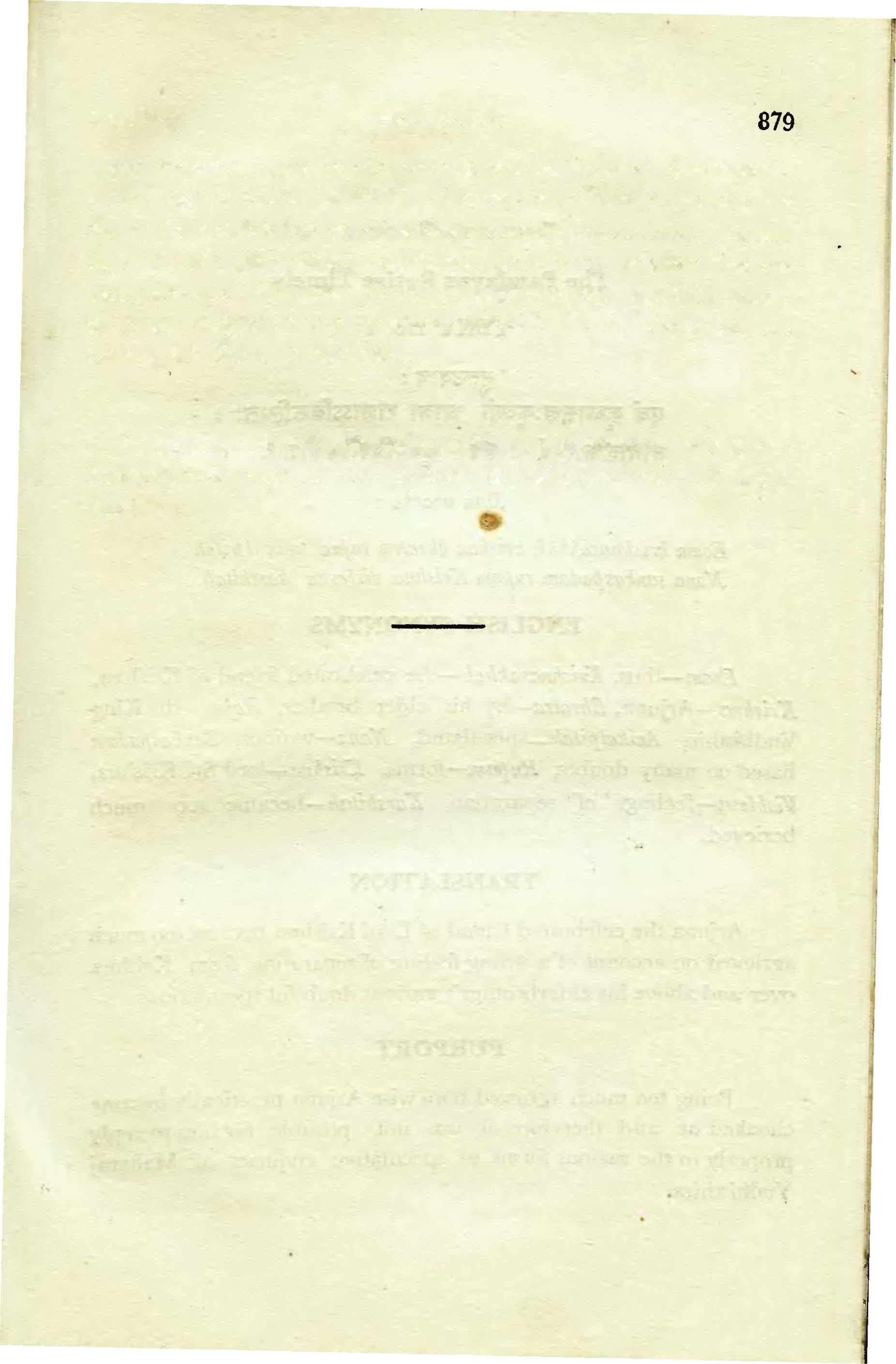
Text 44] FIRSTCANTO 879
FIFTEENTH CHAPTER
ThePandavasRetireTimely
TEXT No. 1
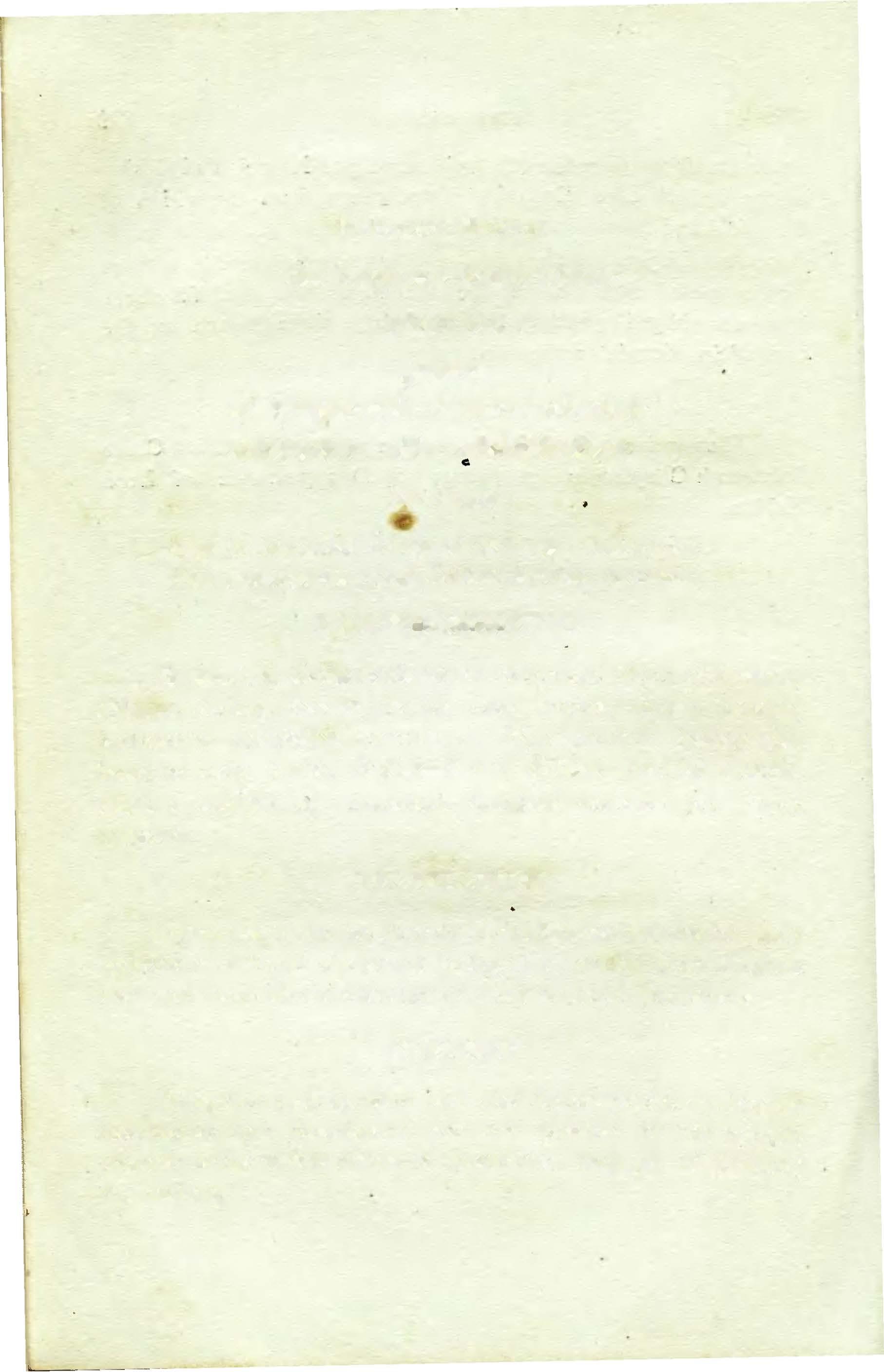
Suta uvacha :
Eoam krishnasakhah krishna bhratra rajna aoikalpitah
Nana sankaspadam rupamKrishna vislesha karshitah.
ENGLISH SYNONYMS
Eoam-thus, Krishnasakhah-the celebrated friend ofKrishna, Krishna-Arjuna, Bhratrs-by his elder brother, Rajna-the King ¥udhisthir, Avikalpitah-speculated, Nana-various, Sankaspadam based on many doubts, Rupam-forms, Krishna-lord Sri Krishna, Vishlesa-feelings of separation, Karshitah-became too much berieved.
TRANSLATION
Arjuna the celebrated friend ofLord Krishna becametoomuch agrieved on account ofa strong feeling ofseparation from Krishna over and above his elderbrother's various doubtful speculations
PURPORT
Being too much agrieved both wise Arjuna practically became choaked up and therefore it was not possible for him to reply properly to the various forms of speculative enquries of Maharaj Yudhisthira.
��(�:�) '1TSTT
wr�:q! �cf
�T�TSSfC{��qa: t 'lt'lmewnt=q4 •q Cf'�ffmr��: •, Cl
Text 2]
FIRST CANTO
TEXT No. 2
�)� ��;:r���)GJ) ttasrw:
far�· ai\'t.tf2�'ttT�t�ct;:r1tstf��TftSm� 11


Sokena Susyadvadana hritsaroJa hata prabhah
Vibhum tameva anusmaranna asknotpratibhasitum.
ENGLISH SYNONYMS
Sokena -on account of berievement,Susyadvadana-drying up the mouth, HritsaroJa-lotus likeheart, Hata--lost, Prahhah-lusture of the body, Vibhum-the Supreme, Tam--unto Lord Krishna, Evacertainly, Anusmaran-thinking within, Na-could not, Asaknot-be able, Pratibhasitum-properly replying.
TRANSLATION
Due to berievement Arjun's mouth and the lotuslike heart had already become dried up and therdore he had lost all lusture ofhis body. Now remembering the Supreme Lord within himself, he could hardly utter any word for replying.
TEXT No.3


ct!�'" �h=a;q �":qtfUJ;:rts�;:q ��t�): '
q�)�Uf ��srUJqT(IflQoliCfi'Ta�: 1t
Krichhena samstabhya suchah panina amri.Jya netrayoh
Parokshena samunnaddhapranayotkanthya katarah.
ENGLISH SYNONYMS
Krichhena-with great difficulty, Samstabhya-by checking the force, Suchah-ofberievement, Panina-by hands, Amrijya-smearing, Netrayoh-the eyes, Parokshena-due to out of sight, Samunnaddha-increasingly, Pranayotkanthya-eagerly thinking of the affection, Katarah-distressed.
381
·'
TRANSLATION
With great difficulty he checked up his berievement smeared over the eyes full with tears and became too much distessed ou account of Lord Krishna's being out of sight and increasingly feeling the affeetion for Him.
ENGLISHSYNONYMS
Sakhyam-wellwishing, Maitrim-benefaction, Souhridamintimately related, Cha-also, Sarathyadisu -in the matter ofbecoming the Chariot--driver, Samsmaran--remembering all tliese, Nripamunto the King, Agrajam-the eldest brother, Iti-thus, Aha- said, Baspa-heavily breathing, Gagad'!)'a-overwhelmingly, Gira-by speeches.
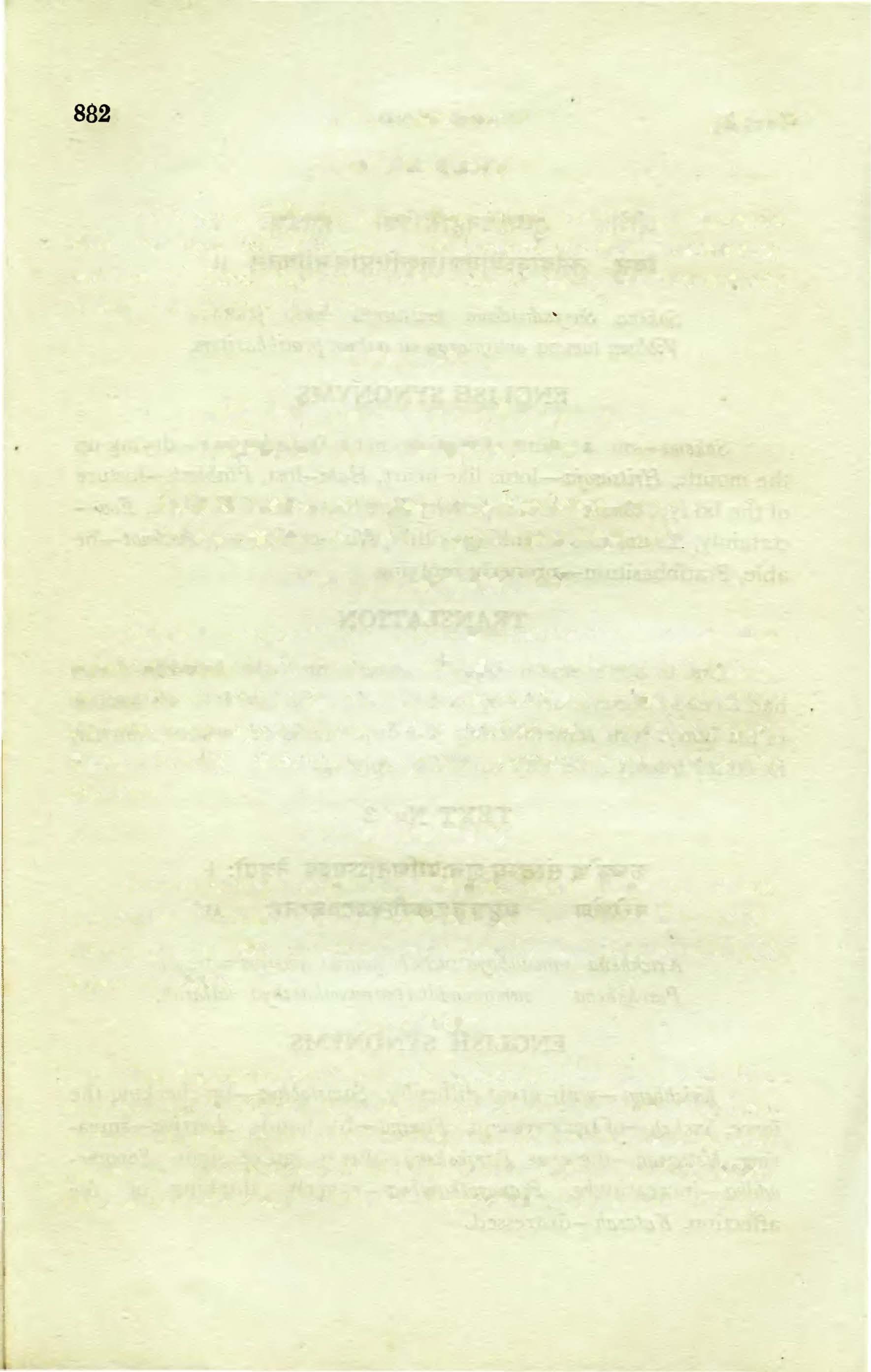
TRANSLATION
Remembering about Lord Krishna about His well wishes, benefaction intimate family relations as also about His chariot driving etc he was breathing very heavily and overwhelmingly began to speak.
PURPORT
The Supreme Living Being is perfect in all relation with His puredevotee.SriArjuna isoneofthetypicalpuredevoteesoftheLord reciprocating in the fraternal mellow and the Lord's dealings with Arjuna was the display offriendship of the highest perfect order. He was not only a well wisher of Arjuna but also He was actually
832 SRIMAD BHAGWATAM [Ch. 15
'!qqpfqtlflt
t
TEXTNO. 4 m � �:;Jt m'(�lflfff! �'(� t
if1'5�'f<tll'T fiT'(T l
Sakhyam maitrim souhridam cha saithyadisu samsmaran Nripam agrjam iti aha baspa gadgadaya gzra.
benefactor and to make it still more perfect the Lord tied him in more family relation by arrangement ofSubhadra's marriage with him. And above all the Lord agreed to become a chariot Driver ofArjuna in order to protect His friend from warfare risks and the Lord became actually happy when He established the Pctndavas to ru!e over the world. Arjuna ren1embered all these one after another and thus he became overwhelmed with all such thoughts.
TEXT. No. 5

Cff:as:a)s& 'Y&T'{lGJ tf'{UfT if;:!�fqvn


ltif qs� etGJ) �Cffif,'l'Tq;fq�C( II
Arjuna Uvacha : Vanchito' ham maharaja harina bandhurupina rena me' pahritam tejo deva vismapanam mahat.
ENGLISH SYNONYMS
Arjuna uvacha-Arjuna said, Vanchita-left by Him, Ahammyself, Maharaja-Oh the king, Harina-by the Personality of Godhead, Bandhurupina-as if an intimate friend, rena-by whom Apahritam-1 have been taken off, Tejo-power, Deva-the demigods, Vismapanam-astonishing, Mahat-astounding.
TRANSLATION
Oh the King ! The Supreme Personality of Godhead Hari Who treated with me exactly like an intimate friend has left me alone and thus my astounding power, which were astonishing to the demigods also, is no more with me.
PURPORT
In the Bhagwat Geeta (B. G. 10/41) the Lord says, "Any on� specifically powerful and opulent by wealth� strength, beauty,

Text 5] FIRST CANTO 883
knowledge and all that is materially desirable,-is to be considered as a product of an insignificant portion of the complete whole {Lord Sri Krishna) of My Energy'' No body therefore can be independently powerful of any measure without being endowed by the Lord. When the Lord descends on the earth along with His eternal ever liberated asmciates, He does not only display the Divine energy possessed by Himself but also He empowers His associate devotees with the required energy for executing His mission ofincarnation. This fact is also stated in the Bhagwat Geeta fourth chapter that the Lord and His eternal associates descend on the earth more than many times but the Lord remem hers all such different role ofincarnations while the associates by His Supreme will do forget them. Simiarly the Lord takes away with Him all His associates when He disappears from the earth. The power and energy which was bestowed upon Arjuna were required for fulfilment of the mi:Bion of the Lord but when His misssion was fulfilled the emergency powers were withdrawn from Arjuna because such astounding powers ofArjuna which were astoni�hlng even to the denizens of the heaven, were no longer required and they 'were now meant for going back to home back to Godhead. Ifendowment ofpowers and withdrawal of powers by the Lord are-possibleeven for a great devotee like Arjuna oreventhe demigods inheaventhen what tospeak ofthe ordinaryliving beings who are compared like the fig with such great souls. The lesson is therefore that no body should be puffed up for his borrowed powers from the Lord and the sane man should rather feel obliged to the Lord for such benefaction and must utilise such power for the service ofthe Lord. Such power can be withdrawn at any time by the Lord and the best use of such power and opulence is to engage them in the service ofthe Lord.
TEXT



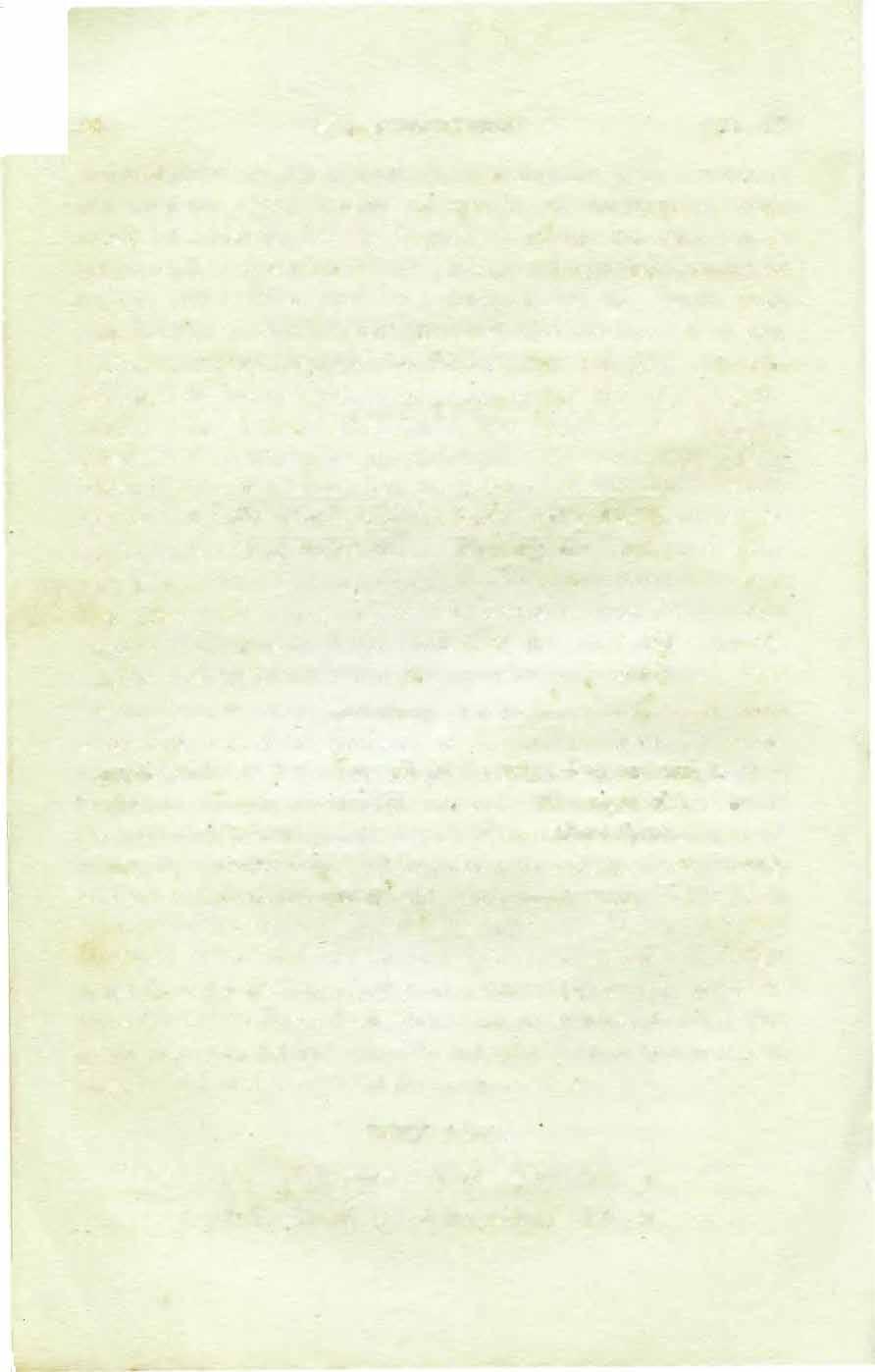
884 SRIMAD BHAGWATAM (Ch. 15
��ll
��) �fsrq��if: t ���
No. 6
�Gtfcrli)�
'(�'f!'f{,ff�.:sr)� lf�T II
ra.rya kshana vi.Jogena loko hi apriyadarshanah
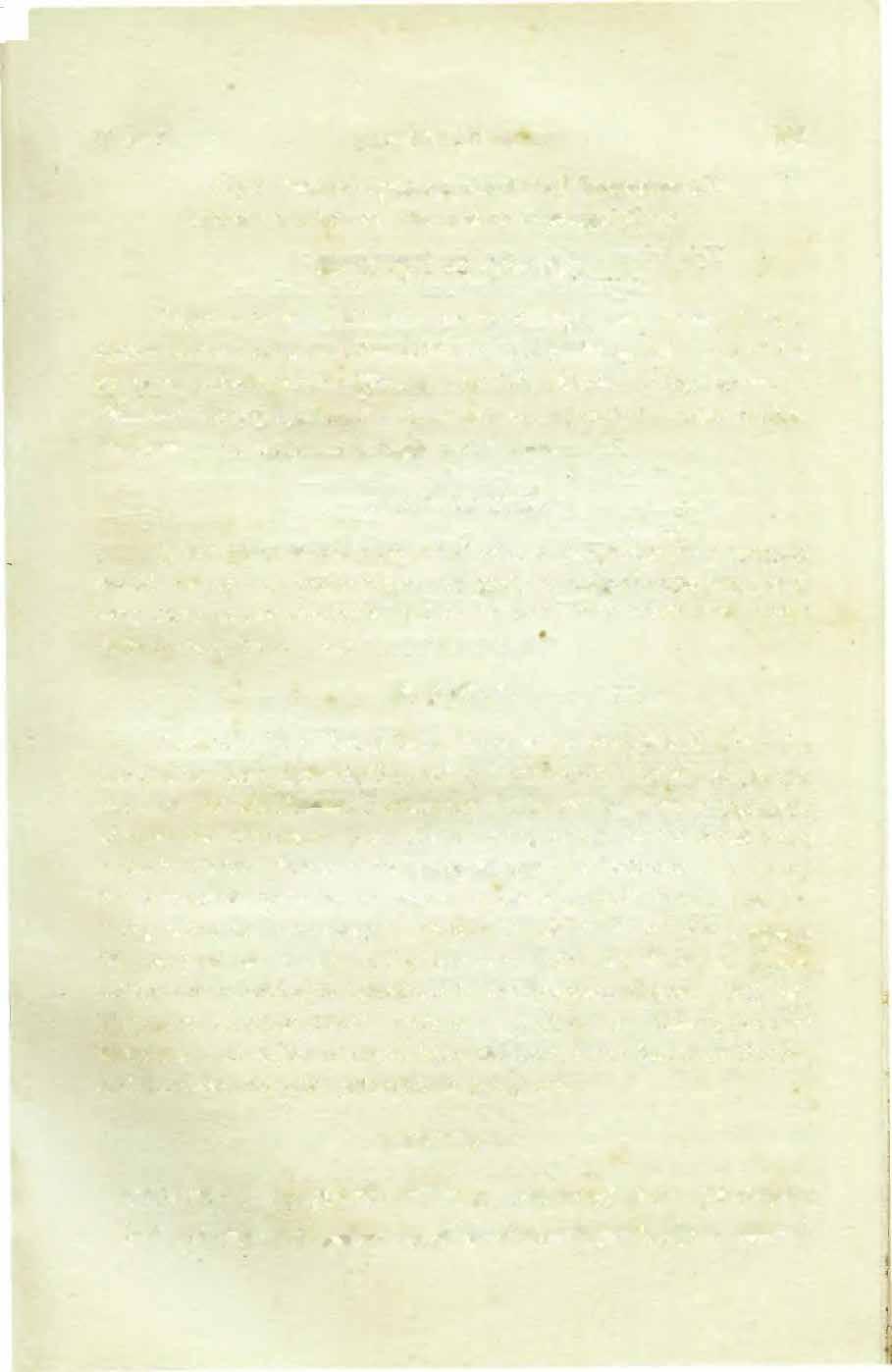
Ukthena rahita hi esha mritakah proch)ateyatha.
ENGLISH SYNONYMS
Ta.rya-whose, Kshana-a moment, Vb'ogena-by separation, Loko-all theuniverse, Hi-certainly, Apriyadarshanah-everything appears unfavourable, Ukthena-:-by life, Rahita-being devoid o£ Hi-certainly", Esha-all these bodies, Mritakah-dead bodies, Prochyate-are designated, Tatha -as itwere.

TRANSLATION
{I amjust left away by Him) Whose separation by a moment would render all the universes certainly as unfavourable void as it were these bodies would be called corpses only when the living force is away from them.
PURPORT
Factually for a living being there is no one dearer than the Lord. The Lord expands Himselfby innumerable parts and parcels as Samsa and Bibhinansa. Paramatma is the Samsa Part ofthe Lord whereas the Bibhinansaparts are the livingbeings.As the living being is the important factor in the material body or without the living being material body has no value similarly without Paramatma the living being has no statusqua. Similarly-Brahman or Paramatman has no locus standi without the Supreme Lord Sri Krishna. These things are thoroughly explained in the Bhagwat Geeta (B.G fi) They are all interlinked with one another or interdependent factors, as such at.the ultimate issue the Lord is the SummumBonum and therefore the vital principle ofeverything.
PRIST CANTO
Text 6]
885
TEXT No. 7 l{��P.>Jqf� :«.:.qqitf!§'ttrr�n�t �TiffT ��qif�§� �q� lqtiifT'{ t aiW)��� 'ftrTf��� 'ft�Q': ""�,a-;:rqitlllfq'Rn' � ,IVIT I'
[Ch.
ratsamsrayaddrupadageham upagatanam
Rajnam swayamvaramukhe smaradurmad•nam.
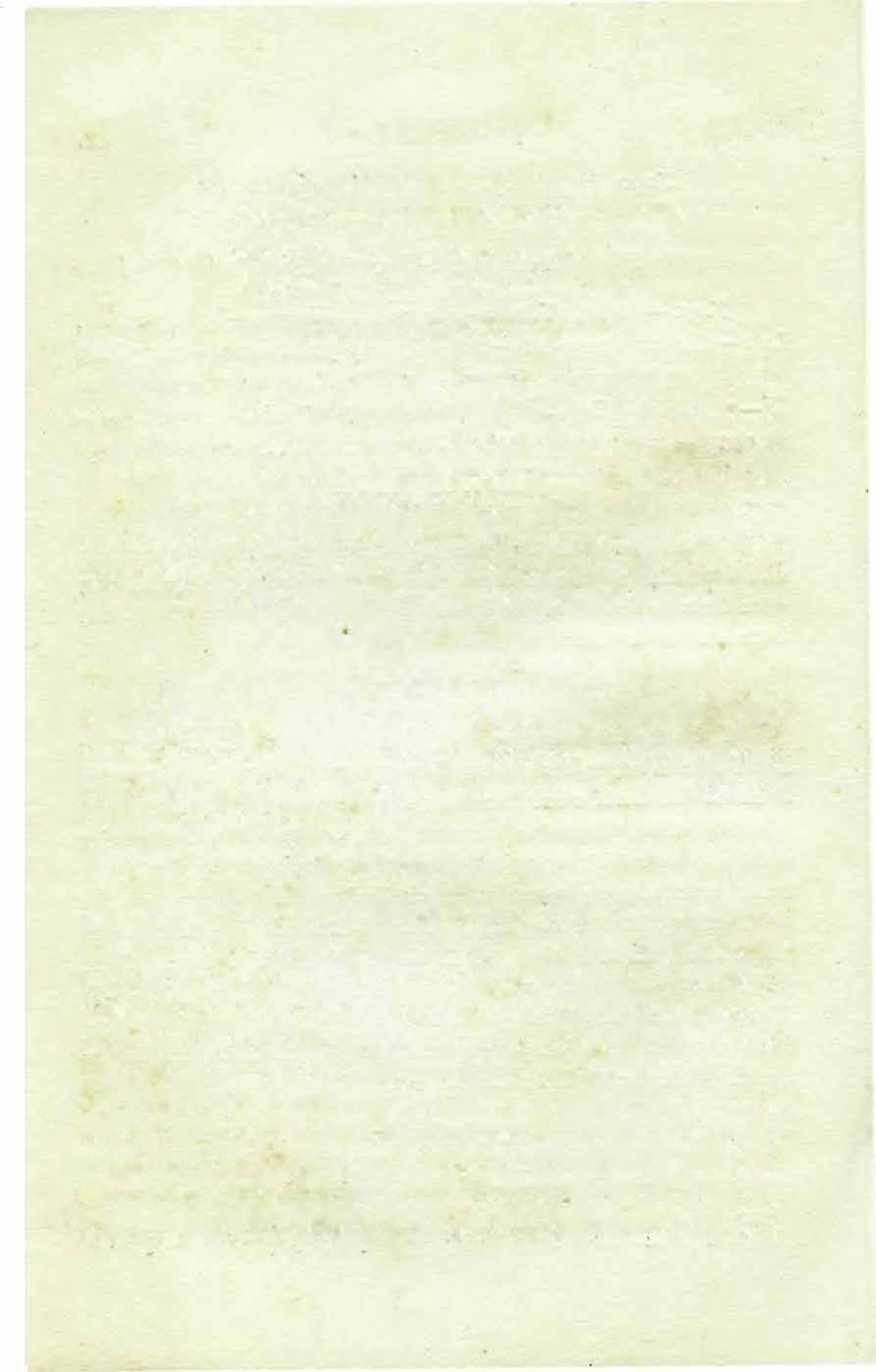
Tejo hritam khalu mayabhihatascha matsyah
Sajjikritena dhanusadhigatacha Krishna.
ENGLISH SYNONYMS
rat-by whose merciful, Samsrayd-by strength, Drupadageham-in the palace of King Drupada, Upagatanam-:-all those assembled, Rajnam-the king, Savambaramukhe--onthe occasion ofselection ofbridegroom, Smaradurmadhanam-all compact in lusty thought, Tejo-power,Hritam--vanquished, Khalu--asitwere, Mayaby me, Abhihastas-pierced, Cha-also, Matsya-the fish target, Sajjikritena-by equipping the bow, Danusha-by that bow also, · Adhigata-gained, Cha-also, Krishna-Droupadi.
TRANSLATION
ByHis merciful strength only I was able tovanquish the power of all the compact in lusty thought princes assembled at the palace ofKing Drupada on the occasion of selecting bridegroom and by equipping my bow and arrow I could pierce the fish target and thereby gained the hand ofDroupadi.
PURPORT
Droupadi was the most beautiful daughter ofKing Drupad and when she was young girl almost all the princely order desired to achieve her hand. But Drupad Maharaj decided tohand over his daughter to Arjunaonly and therefore contrived a peculiar way of target offiqh whichwa�hanging ontheinnerroofofthe house under the protection ofa wheel. The _ condition was that out ofthe princely order one must be able to pierce the targetoffish eyes through the wheel ofprotection and no body would be allowed to look into the target by head upward. Onthe ground there was a water pot in which the target and wheel reflected and one had to fix up his aim towards the target by looking over the treml?lin� water in

886 SRIMAD
BHAGWATAM
15
the pot. Maharaj Drupad knew it well that only Arjuna or alternately Karna could successfully carry out the plan. But still he . wanted to hand over his daughter to Arjuna. And in the assembly ofthe princely order when Dhristadumnya the brother of Droupadi introduced all the princes to his grown up sister there was Karna also pr;sent in the game. But Droupadi tactfully avoided Karna as the rival ofArjuna and she expressed her desire through her brother Dhristadumna that she was unable to accept anyone who was less than Kshatriya, The Vaishyas and the Sudras are less important than the Kshatriya. Karnawas known as the son of a carpenter who is a Sudra. So Droupadi avoided Karna by this pleajust intelligentlyofKshatriyapolitician'sdaughter. When Arjuna in the dressofa poorBrahminpierced the difficult target every one wasastonished and all ofthemspecially Karna offered astifffight to Arjuna but as usual by the Grace of Lord Krishna he was able to come out verysuccessful in the princely fight and thus gained the valuable hand of Krishna· or Droupadi. Arjuna was l<}mentingly remembering the incidence in the absence of Lord by Whose strength only he was so powerful.
TEXT No. 8

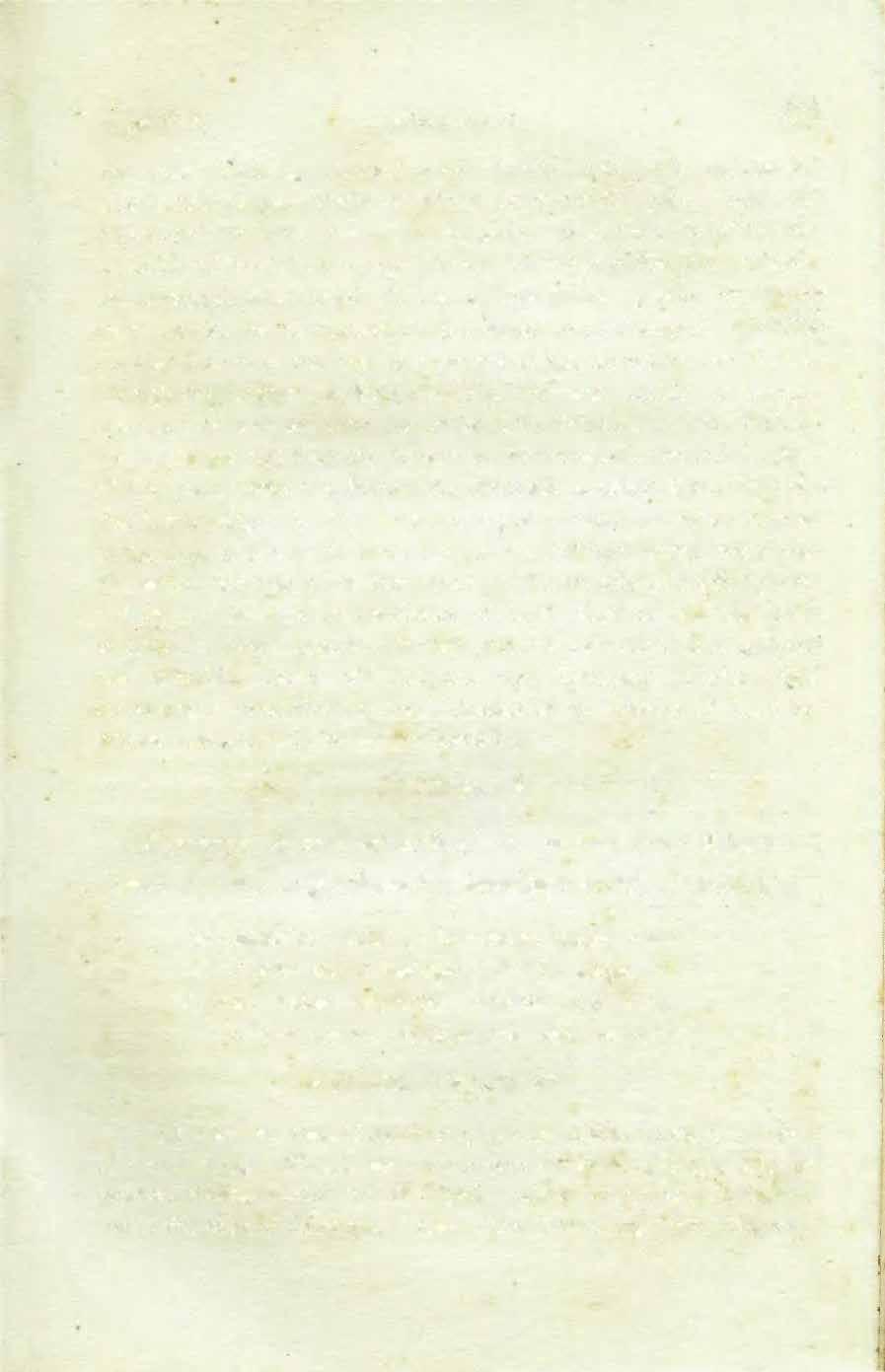
rat samnidhou aham u khandavam agnaye adam
lndram cha sa amaraganam tarasa vijitya.
Labdha sabha mqyakrita adbhuta silpa maya
Digbho aharan nripatayo valim adhware te.
ENGLISH SYNONYMS
Tat-whose, Samnidhou-being nearby,Aham-myself,U-note ofastonishment, Khandavam-the protected forest oflndra king of heaven, Agnaye-unto the fire god, Adam-delivered, l-ndram
lndra the king of Heaven, Cha-also, sa-along with, Amarag-

Text 7, 8] FIRSTCANTO 887
lf��fifctTCil'�� Qff'•Cf"'"'i\'s�tfqc:r· :tlf "'"�"vi a��' fcrf��lf t �;qT "m 'llf,-at�oaf��qqtlfT fqt�)��;:'Jqalf) crft;fqtcr�8tl
anam-the demigods, 1arasa-with all dexterity, Vijirya-having conquered. Labdha-having obtained, Sabha-assembly pandel, Mayakritam-built by Maya,Adbhuta--Very wonderful, Silpa--art and workmanship, · M"9'a-potency, Digbhyo-from all directions, Aharan-collecting, Nripat"9'o-all prince, Valim-presentations• Adhware-brought about, te-unto you.
TRANSLATION
On account ofHis being near by me,it was possible for me to conquer over the powerful King !of heaven Indradeva along with his demigod associates with great dexterity and thus to give facilityto the Fire God in the matter of devastating the Khandava forest. And by whoseGraceonly the demon ofthe name Maya was saved from the blazing Khandava and thus we could build up the wonderful architectural workmanship ofour assembly house where all the princes who assembled during the performance of Rajsuya Yajna and all ofthempaid you tributes.
PURPORT
DemonMayadanava was an inhabitant ofthe forest Khnadava and when the Kandava forest was set in fire the said demon asked protection from Arjuna. Arjuna saved his life and as a result ofthis the demon felt obliged. He responded the obligation by building an wonderful assembly house for the Pandavaswhichattracted the extraordinary attention of all stateprincesand theyfelt thesupernatural power ofthe Pandavas and thus without any grudge all of them submitted and paid tributes to the Emperor. The demons possess wonderful and supernatural powers than man to create material wonders. But they are always disturbing elements of the society. Themodern demons are the harmful material scientist who create some material wonders for creating disturbances in the society. For example the creation ofthe nuclear weapons by �he material scientists. It has created some panic in the human society. Maya was also a materialist like that and he know the art of creating
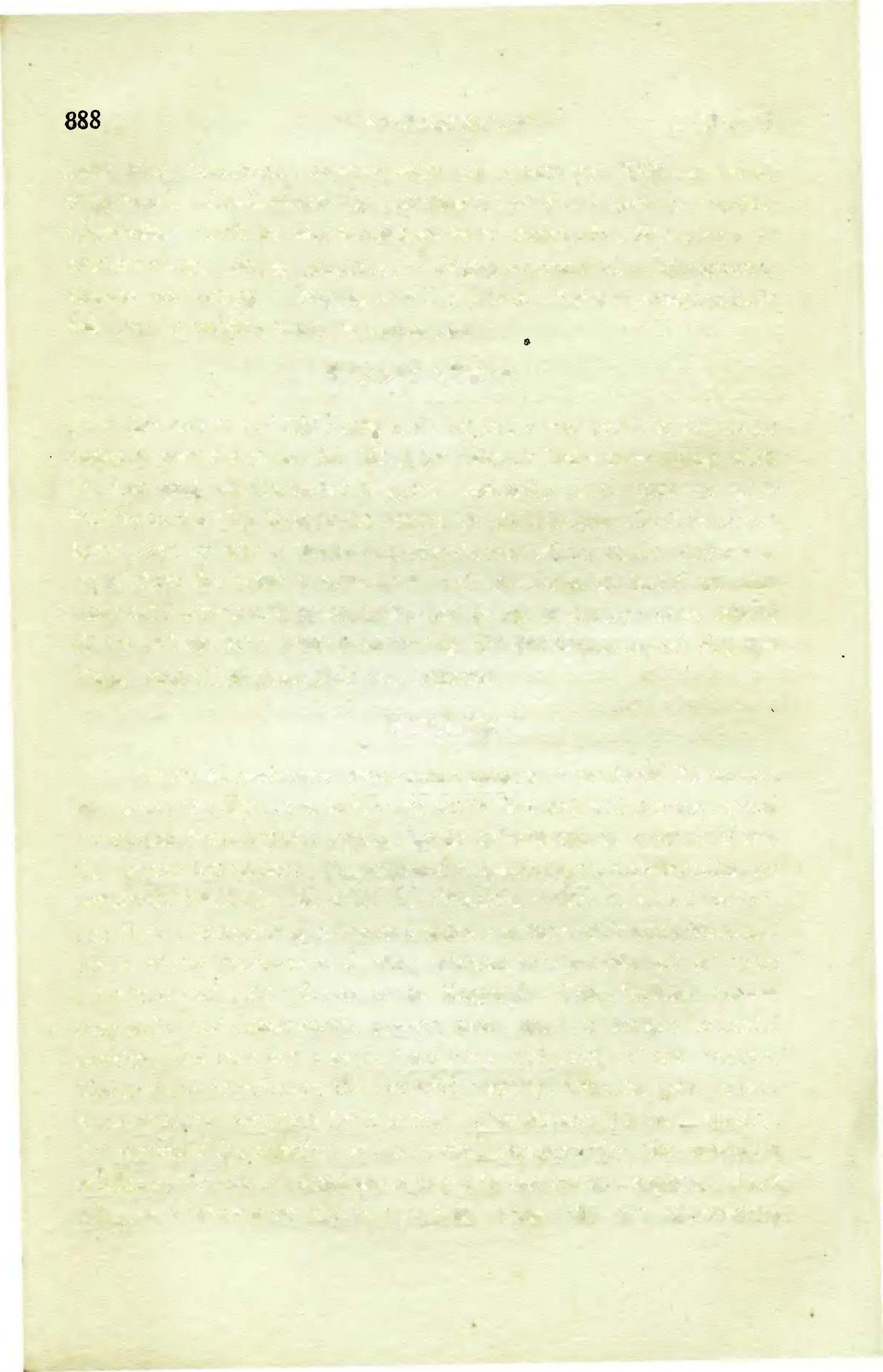
888 SRIMDBHAOWATAM [Gh. 15
wonderful things. And yet Lord Krishna wanted to kill him. When he was chased both by the fire and the wheel of Lord Krishnaintelligently he took shelter of a devotee like Arjuna and he saved him from the wrath of the fire of Lord Sri Krishna. Devoteesare therefore more merciful than the :Lord and in the devotional service the mercy of a devotee is more valuable than the mercy of the Lord. Both the fire and the Lord ceased from chasing the domon as soon as both of them saw that the demon was given shelter by a devotee like Arjuna. The Demon feeling obliged himselfto Arjuna wanted to do him some service to show his gratefulness but Arjuna denied to accept anything from him in exchange ofsaving him from the wrath offire and the Lord. Lord Sri Krishna however being pleased with Maya for his taking shelter ofa devotee asked to render service unto King Yudhisthira by building an wonderful assembly house. The process is that by the Grace ofdevotee the mercy of the Lord is obtained while by the mercy ofthe Lord chance for serving the Lord,s devotee is obtained. The club of Bhimasena was also a gift of Mayadanava.
TEXT No. 9
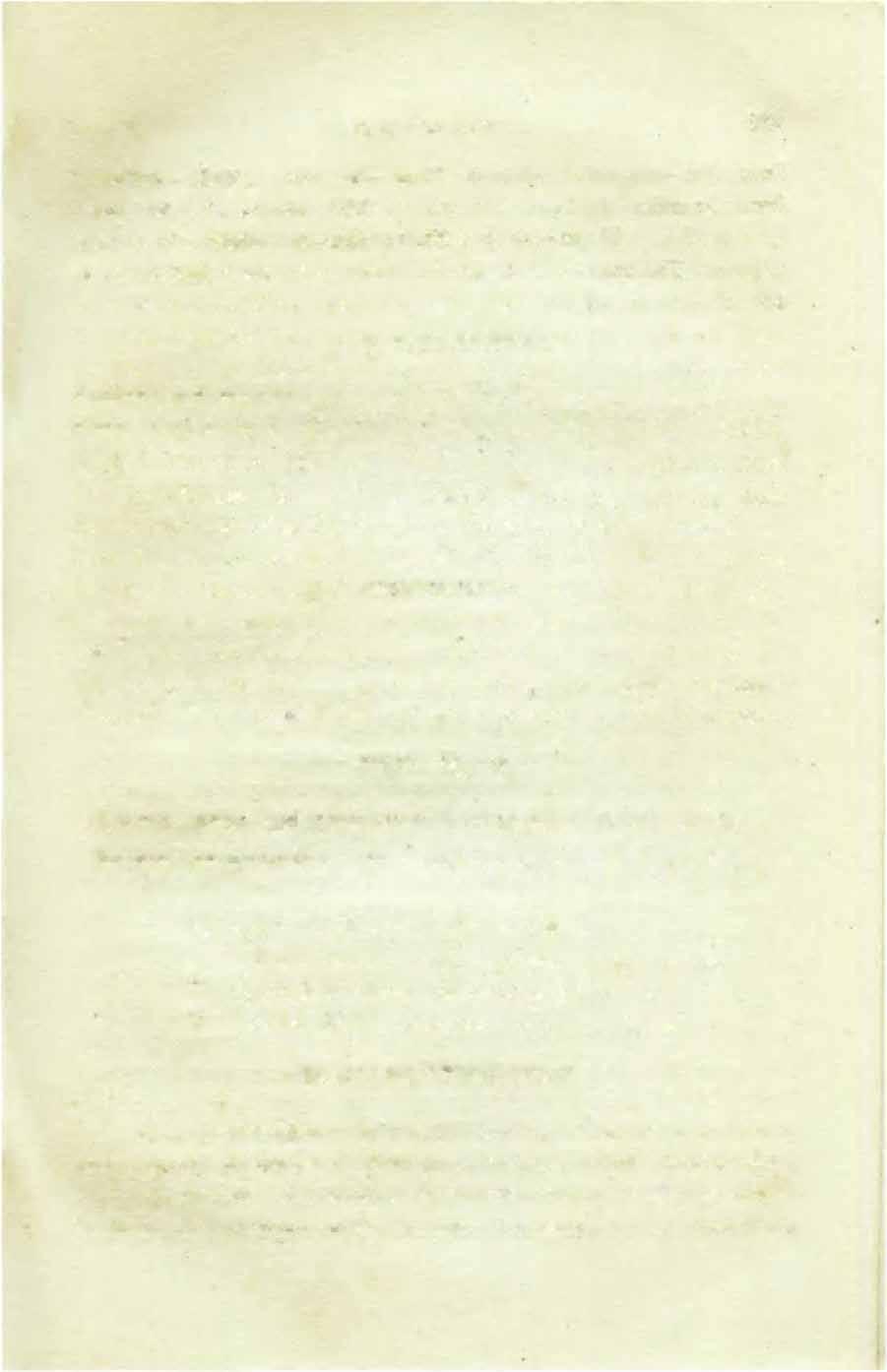
a;ryt6t Sflf�,��tlf �q' q;Jf)fitat�ffi(illf'! •f�"�cR:a,,
rat tejasa nripasironghrimahat makhartham
Arya anujas tava gajayuta sat'vaviryah.
Tena ahritah pramathanatha makhaya bhupa ranmochitas tadanayan l:alim adhware te.
ENGLISH SYNONYMS
rat-whose, Tejasa-by influence, Nripasironghri-one whose feet is adored by the heads ofkings, Mahat-the great, Makharthefor the matter of sacrifice, Arya-respectable, Anuja-younger brother, Tava-your, Gajayuta-ten thousands of elephants,
Text 9] FIRSTCANTO 889
""'•mr '!qf«�)�f�'f(t:�fl'rti !lfrtrls2��ffq q�r!Jtr«�srcrlli: '
•
Satwavirya-powerful existence, Tena-by him, Ahrita-collected Pramathanatha-the Lord ofthe ghosts (Mahabhairava), Makhayafor sacrifice, Bhupa-Kings, Tanmochitas-by whom they were released, Tada?V'an-aii of them brought about, Valim-taxes, Adhware -presented.
TRANSLATION
Your respectable younger brother who possesses the strength often thousands ofelephants killed, by His Grace only, Jarasandha whose feet was worshipped by many kings, These Kings were brought by him for being sacrificed in the Mahabhairava Yajna performed by Jarasandha but they were thus released . and later on paid tributes to your majesty.
PURPORT

-Jarasandha was a very .Powerful king ofMagadha and the history of his birth and activities are also very interesting. His father king Vrihadratha was also very prosperous and powerful kingofMagadh but he had no son although the king married two daughters of the king of Kashi. Being disappointed in getting a . son from either of the twoqueens the king along with his wives left home for lidng in the f<Jrest fiJr amteriti�s but in the forest he was benedicted by one great Rishi to have a son and he gave him one mango to be eaten by the queens. The queens didso and were very soon pregnant.· The king was very happy to see the queens bearing child within the wombbut when the ripe time approached the two queens delivered one child in two one parts from each ofthe queen's womb. The child in two parts were thrown in the forest where a great she-demon used to live and she was glad to have some delicateflesh and blood from the bifarcated newly horn child. Out ofcuriosity she joined the two parts and the child became complete and regained life. The she-demon was known asJara and she being compassionate with the childless king went to the king and presented him the nice child. The King· was very much pleased with the she-demon and wanted to reward her
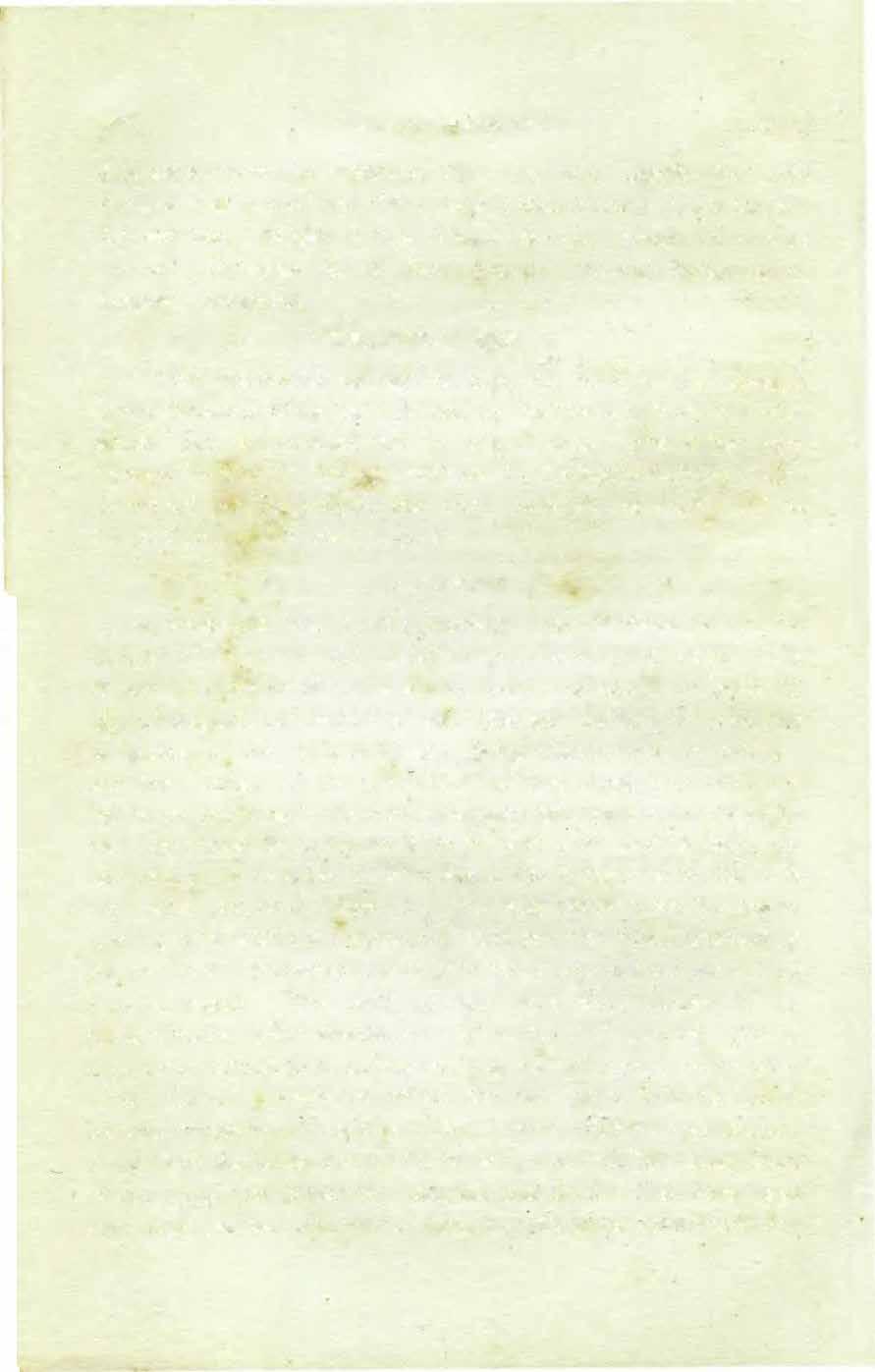
890 SRIMIDBHAGWATAM
15
(Ch.
according to her desire. The she-demon expressed her desire that the child be named after her name and thus the child was surna,med asJarasan?ha or one who wasjoined by Jara the shedemon. In fact this Jarasandha was born as one ofthe part and parcel ofdemon Viprachitti. ._ The saint by whose benediction the queens bore the child was chlled Ghanda Kousik who foretold about the child before his father Vrihadratha.
As he possessed demonical qualities from birth naturally he became a great devotee of Lord Shiva Who h the Lord ofall ghostly and demoniac men. Ravana was a great devotee of Lord Shiva and so also King Jarasandha. He used to sacrifice all arre�ted kings before the Lord Mahabhairva and by his miJitary power he defeated many small kings and arrested them for butchering before the Mahabhairava. There are many devotees ofthe Mhabhairava or Kalabhairavain the province ofBihar formerly called Magadha. He was relative of Kansa the maternal uncle ofKrishna and therefore after Kansa's death King Jarasandha became a great enemy of Krishna and there were many fightingt; between Jarasandha and Krishna. Lord Krishna wanted to kill him but He also wanted that others who served as militarymen for Jarasandha might not be killed. Therefore a plan was adopted to kill him. Krishna; Bhima Arjnna three together went toJarasandha in the dress of poor Brahmins� and begged chartiy from king Jarasandha. Jarasandha never refused charity to any Brahmin and he performed many sacrifices also aq.d still he was not in par with devotional service. Lord Krishna, Bhima and Arjuna asked Jarasaandha the facility ofcombating with him and it was settled that Jarasandha would fight with Bhima only. So all of them were both guests and combatants of Jarasandhaand Bhima andjarasandha fought every day for several days. Bhirna became;disappointedin killingJarasahdha but Krishna gave him hints aboutjarasandha's beginning of life being joined together and thus Bhima disected him .again in two parts

Text 9) FIRST CANTO 891
and he was killed by Bhima. All the kings who were detained in the concentration camp for being killed before the Mahabhairava, were thus released by Bhima and kings thus feeling obliged to the Pandavas paid tribute toKing YudhisLhira.
TEXT No. IO
q�;qm.'cnfqq��t({q�f�Cf'���rf���m�: �mttt, , ,� f•emli qttt�"'t: qftfm��'t�'
Patnyas taba adhimakha klipta mahabhiseka
Slaghista charu kavaram kitabaih sahhl!1am.
Spristam vikirya padayoh patitasrumukhya
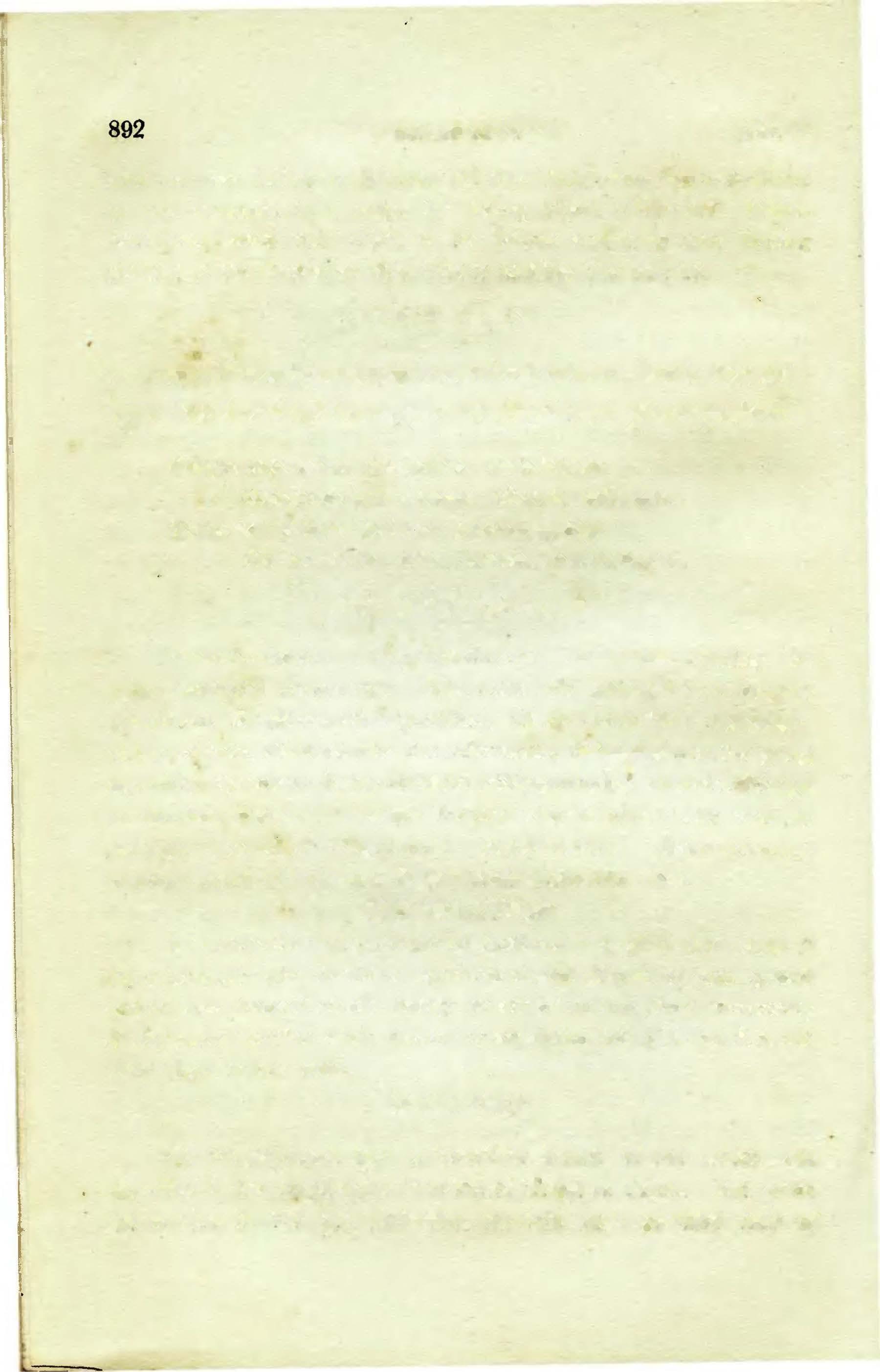
ras tat striyo krita hatesha vimuktakasha.
ENGLISHSYNONYMS
Patnvas-of the wife; Taba-your, Adkimakha-during the great sacrificial ceremony, Klpta-dressed, Makahhiseka-greatly sanctified, Slaghista-thus glorified, Charu-beautiful, Kavaramclustered hair, Kitabaih-by the miscreants, Sahhayam-in the' great assembly, Spristam-being caught, Vikirya-being loosened,�Padl!Yo on the feet,Patitasrumuk�a-of the one who fell down with tears in the eyes, Yas-He, Tat-their, Striyo-wives, Krita-became, Hatesa-bereft of husband, Vimuktakesha-loosened hair.
TRANSLATION
It is only He who rendered loost:ned hair of all the wives of the miscreants who dared to open the cluster of hair ofyour queen which was dressed nicely being sanctified in the great ceremony of Rajasuyasacrifice when she felldown atthe feet of Lord Krishna with tears in her eyes.
PURPORT
Queen Droupadi had a beautiful bunch of hair which was sanctified in the ceremonial function of Raj5uya Yajna. But when she was lost in the bet Duhsasan touched su<;h glorified hair of
892 SRIMAD BBAGWAT.AM [Ch.15
"�ft��"��tf �r-��n:11
Droupadi to insult her. Dr,oupadi then fell down on the lotus feet of Lord Krishna by loosened hair and Lord Krishna decided it that all the wives ofOuhsasan and compnay should be rendered into loosened hair being forced by circumstances as the result of the battle ofKurukshetra. And after the battle ofKurukshetra when all the sons and grandsons ofDhritarastra died in the battle then an the wives of the family were obliged to loosen their hairs as widows. In other words all the wives ofthe Kuru famsly became widows on account ofthis gross misdeed of Duhsasan by insulting a great devotee ofthe Lord. The Lord can tolerate insultupon Him by any miscreant because the father tolerates even insults from the son. But He never tolerates insult upon His devotees. By insulting a great soul one has to forego all the results of pious acts and benediction also.
TEXT No. 11

To nojugopa vana 1�a duranta krichhat Durvasaso ari rachitat ayuta agrahhug yah.
Shakannasistam upayujya yatas trilokim
Tripta mamnsta salile vinimagnasamga.
ENGLISH SYNONYMS
To-one who, No-us,Jhugopa--gave protection, Vana-forest, Etya-getting in, Duranta-dangerously, Krichhat·-trouble, Durvasaso -of the Durvasa Muni, Ari--enemy, Rachitat··fabricated by, Ayuta-ten thousands, Agrabhug-One who eats before .rah-that person, Shakannasistam-remnanrs of foodstuff, Upayujya-havmg accepted, Tatas-because, Trilokim-�ll the three worlds, Tripta-satisfied, Mamansta-thought within the mind, Salile-while in the water, Vinimagnaramga-merged into water all of them, - ""
Text II) FIRST CANTO 893
q) ;r) �")"cr.1�lf!�ct "!�" �m:r)sfl.:�f=-a��= t �T�T�ftr.se,��" lftff�11fff l!tcmN'tf m�� RRift;reqo t
.I
TRANSLATION
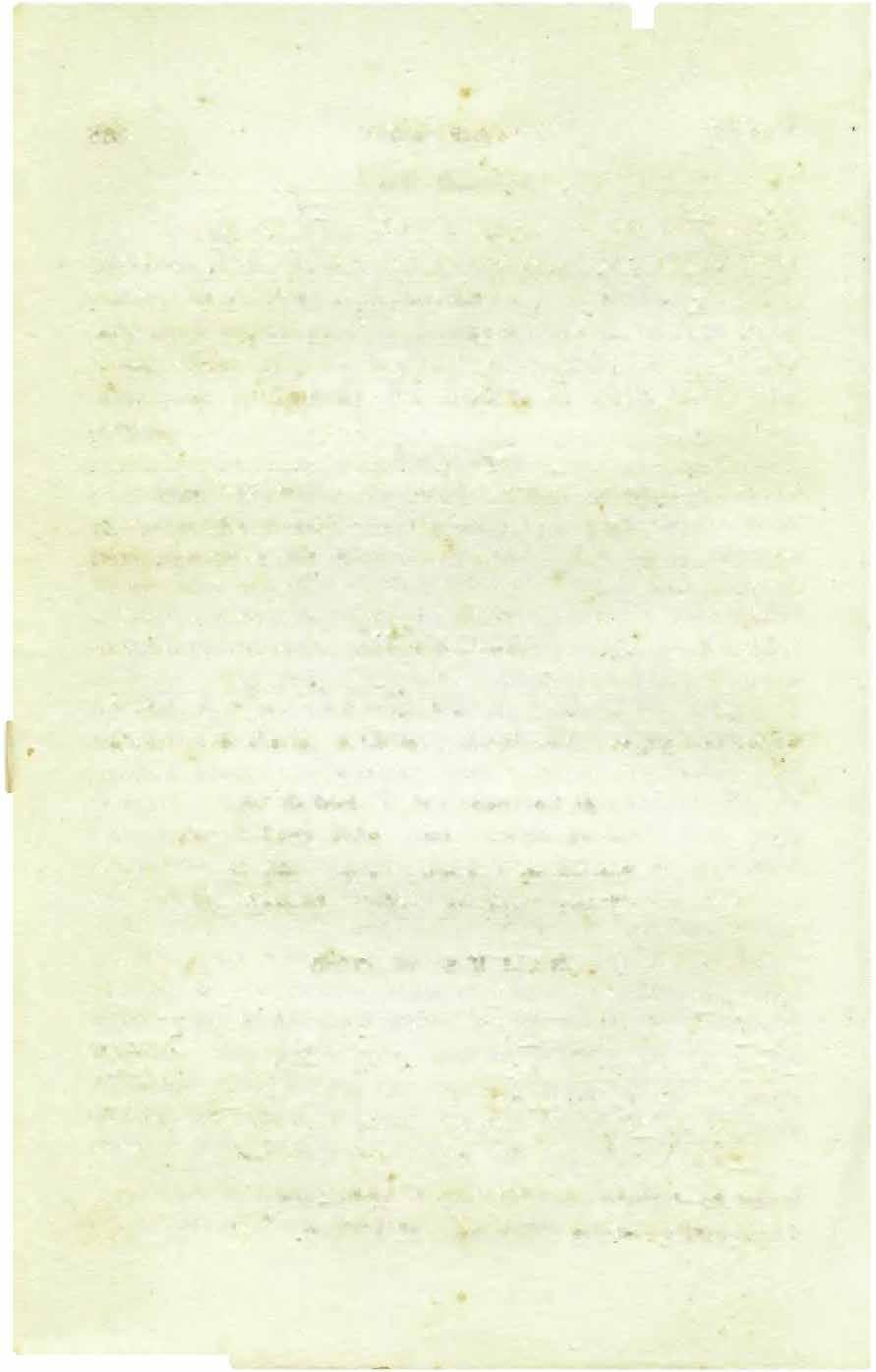
During our exile Durvasa. Muni, who eats along with ten thousands ofhis disciples, put us into dangerously trouble under intrigue by ourenemies. At thattime He (Lord Krishna) simply by acceptting the remnant ofthe particle offoodstuff, saved us. By His doing so the assembly of Munis while taking bath in the river water felt sumptuously fed besides all others in the three worlds.
PURPORT
Durvasa Muni : A powerful mystic Brahmin determined to observe the principles ofreligiosity with great vow and under strict austerities. His name is associated with many historical events and it appears that the great mystic· could both easily be satisfied and annoyed like Lord Shiva. When .He was satisfied he could do tremendous goodto the servitorbut ifhe was dis3atisfied he could bring about the greatest calamity. Kumari Kunti at her father's house used to minister all kinds of services to all such great Brahmins and being satisfied with her good receptiun Durvasa Muni benedicted her with a power to call for any demigod as she desired. It is understood that he was a plenary incarnation of Lord Shiva and as such he could both ea&ily be satisfied or annoyed. He was a great devotee of Lord shiva and by his order he accepted the priesthood of king Swetaketu in the matter of the King's performance of sacrifices for one hundred years. Sometimes he used to visit the parliamentary assembly of the heavenly kingdom of Indradeva. He could travel in the space by his great mystic powers and it is understai1d that he travelled a great distance of space even up to the Vaikuntha planet beyond the material space and he travelled all these long distances within one year during his quarrel with King Amburisha the great devotee Emperor ofthe world.
He had about ten thousands ofdisciples andwherever he visited a.nd became �uest of the �reat 1\.shatirya King-s, he us�d to do
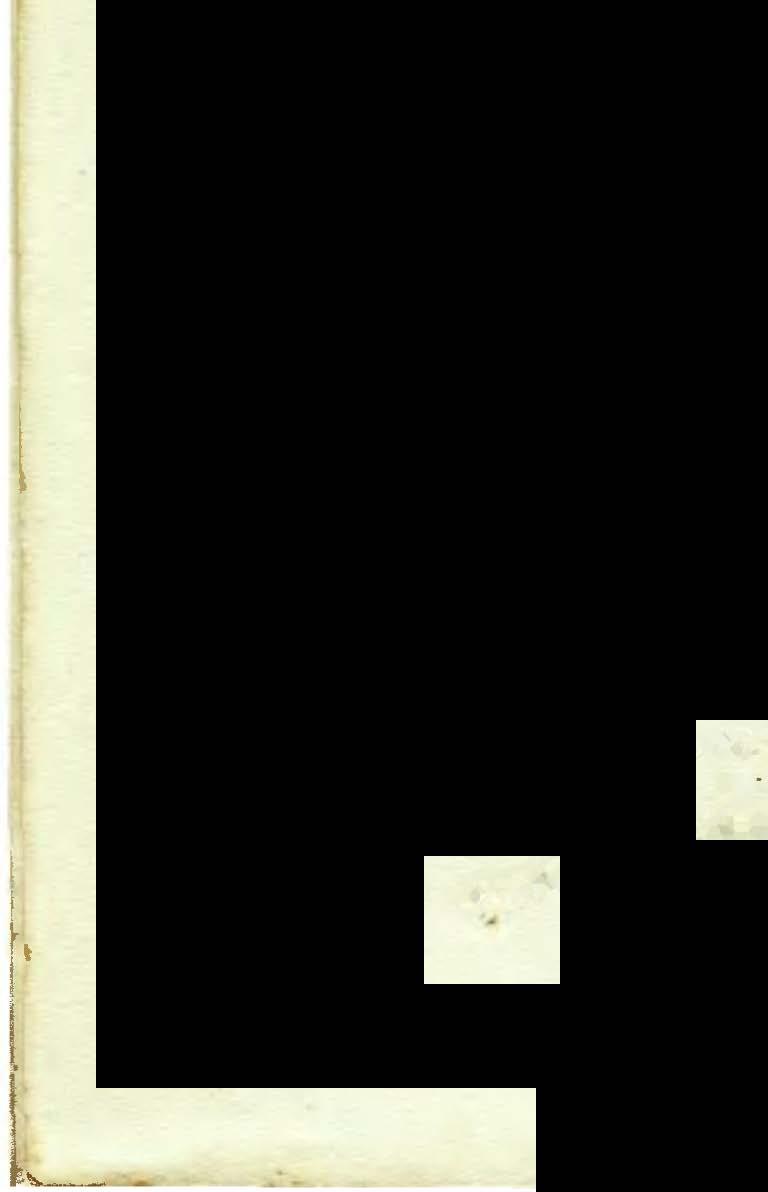

/ ..894 SRIMAP BHA.OWATAM
15
[Ch.
so accompanied by such hoaray number of followers. Once he visited the house of Duryodhone the enemy cousin brother of Maharaj Yudhisthir. Duryodhone was intelligent enough to satisfy the Brahmin by all means and the great Rishi wanted to give some benediction to Duryodhone. Duryoodhone knew his mystic powers andhe knew it also that the mystic Brahmin, if dissatisfied could do some havoc also and as such he designed to engage the Brahmin to show his wrath upon his enrmy brothers the Pandavas. When the Rishi wanted to award some benediction to Dupyodhone, the latter wished that he should visit the house of Maharaj Yudhisthir who was the eldest and the chiefamong all . his brothers. But by his request he would go to him after he had finished his meals along with his queen Droupadi. Duryodhone knew it that after Droupadi's dinner it would be impossible for Maharaj Yudhithir to receive such large number ofBrahmin guests and thus the Rishi would be annoyed and he would create some trouble for his brother Maharaj Yudhsthi.r. That was the plan of Ouryodhone. Durvasa Muni agreed to this proposal of Duryodhone and once he approached the King in exile according to the plan of Duryodhone after they had finished their meals and Droupadi also had taken her meals.
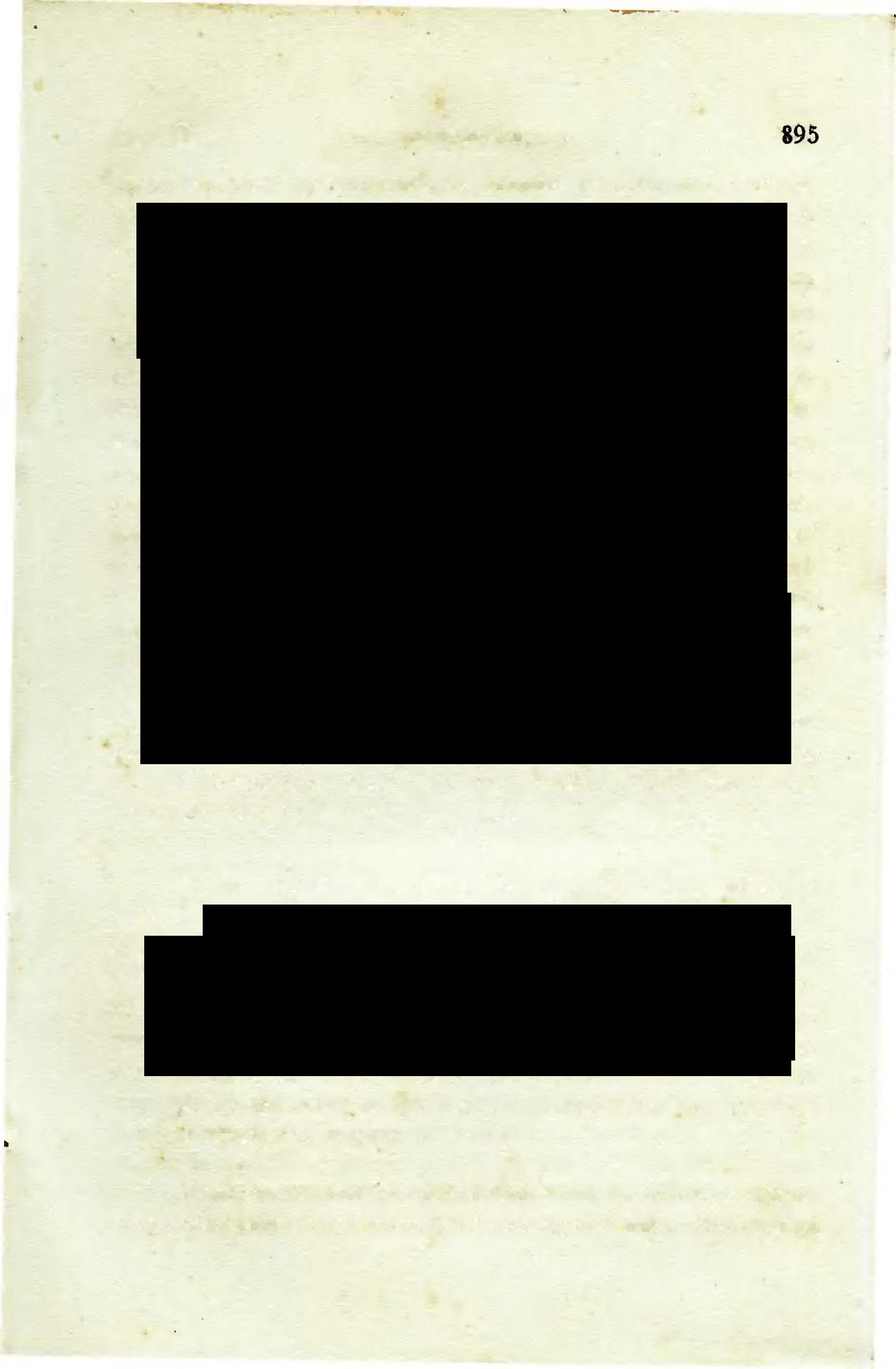
On his arryval at the door ofMaharaj Yudhisthir, he was at once well received and he King requested him to finish his noon time ablutions religious rites in the river and by the time the food stuffmay be prepared. Durvasha Muni along withhis large number ofdisciples went to take bath in the river an:f Maharaj Yudhisthir was in great anxiety for the guests. So long Droupadi would not take her meals the whole foodstuffcould be served to anynumber ofguests but the Rishi by the plan of Duryodhone reached there after Droupadi had finished her meals.
When the devotees areput into difficulty it becomes an opportunity for them torecollect the Lord with raptattention. So Droupadi
Taxt 11]
}IJRi;T CANTO &95
was thinking ofLord krishna in that dangerous position and the all pervading Lord could at once know the dangerous position ofHis Devotees. He therefore came there on the scene and asked Droupadi to give some food stuff whatever she might have in her stock. On her being so requested by the Lord Droupadi felt too much because the Supreme Lord asked her for some food and she was unable to supplyit at that time. She said to the Lord that the mysterious dish which she had received from the Sun-god could supply any ammount foodstuffifshe herselfhad not taken up the meals. But on that dayshe had already taken hermeals and as such they are in danger. By expresing her difficulties she beganto cry before the Lord as an woman would do in such position. The Lord however asked Droupadi to bringup thecookingpots iftherewas any particleoffoodstuff and on Droupadi's doing so the Lord found out som-particle of vegitable sticking with the pot. The Lord at once picked it up and ate it. After doing so the Lord asked Droupadi to call for her guests the company of Durvasa.
Bhima was sent to call them from the river. Bhima said, "why you are delaying sirs, come on the sfoodstuffs are ready for you." But the Brahmins on accouht of Lord Krishna's accepting a little paticle offood stuff, felt sumptuoslyfedevenwhiletthey weremerged within the water. They thought it that had no hunger and Maharaj Yudhisthir must have had prepared many valuable dishes for them so ifthey could not take any part ofthe foodstuffthe king.would be feeling sorry so it was better not togo there but they decided to go away from that place.

This incidence proves that the Lord is the greatest mystic than any other mystic of the ·world and therefore He is known as the Yogeswara. Another instruction is that every householder must offer the foodstuffto the Lord and the result will be that every body even a company of guests numbering ten thousands would be satisfied on account ofthe Lord,s being satisfied. That is the way of devotional service.

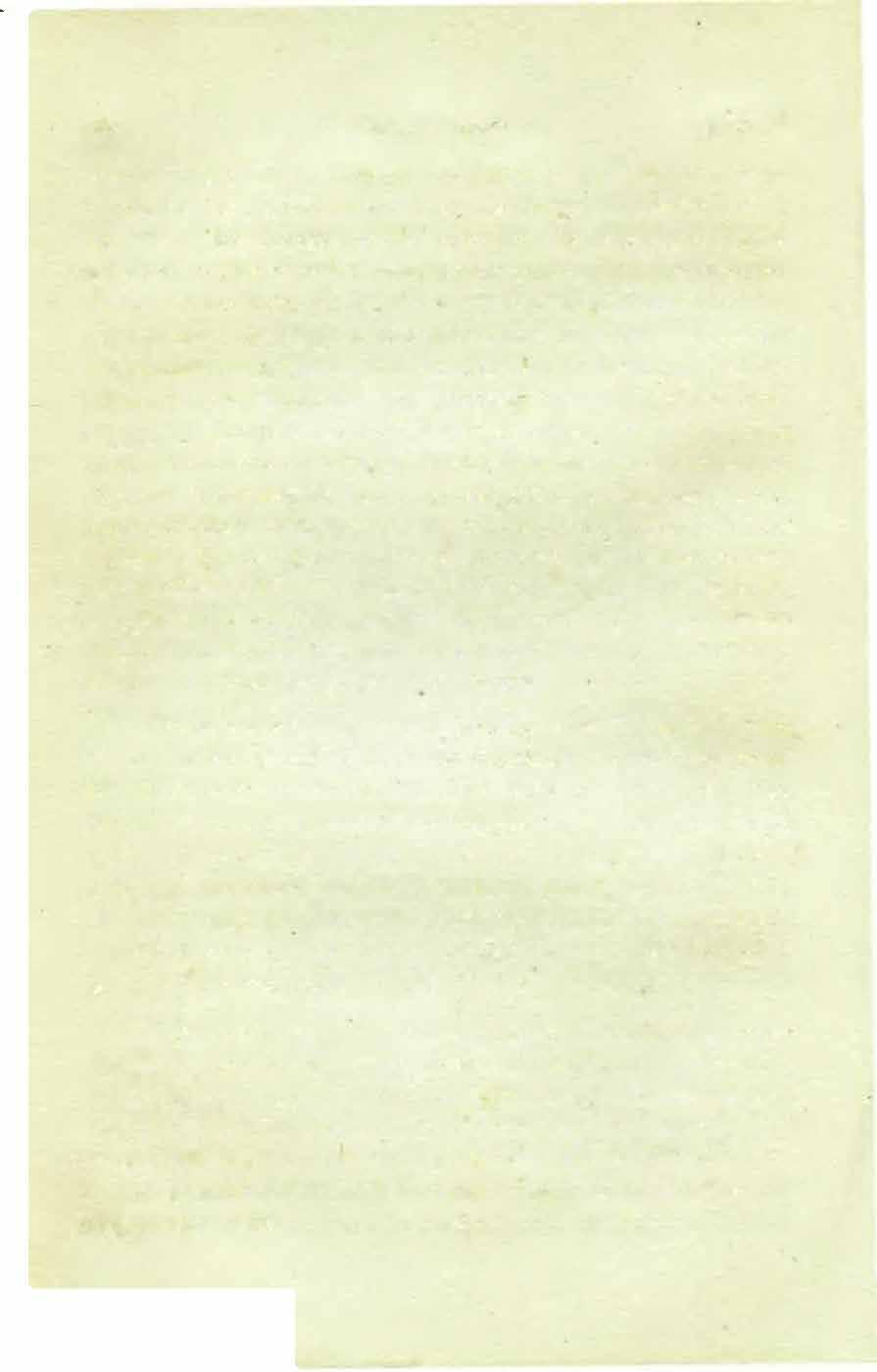
8.96 SRIMAD BHA.GWATAM [Ch. 15
rat tejasa atha bhagavan yudhi Sulapanir
Bismapitah sagirijo astram adat ni.Jam me.
A.nyepi cha aham amunaiva kalevarena Prapto mahendrabhavane mahad asanardham.
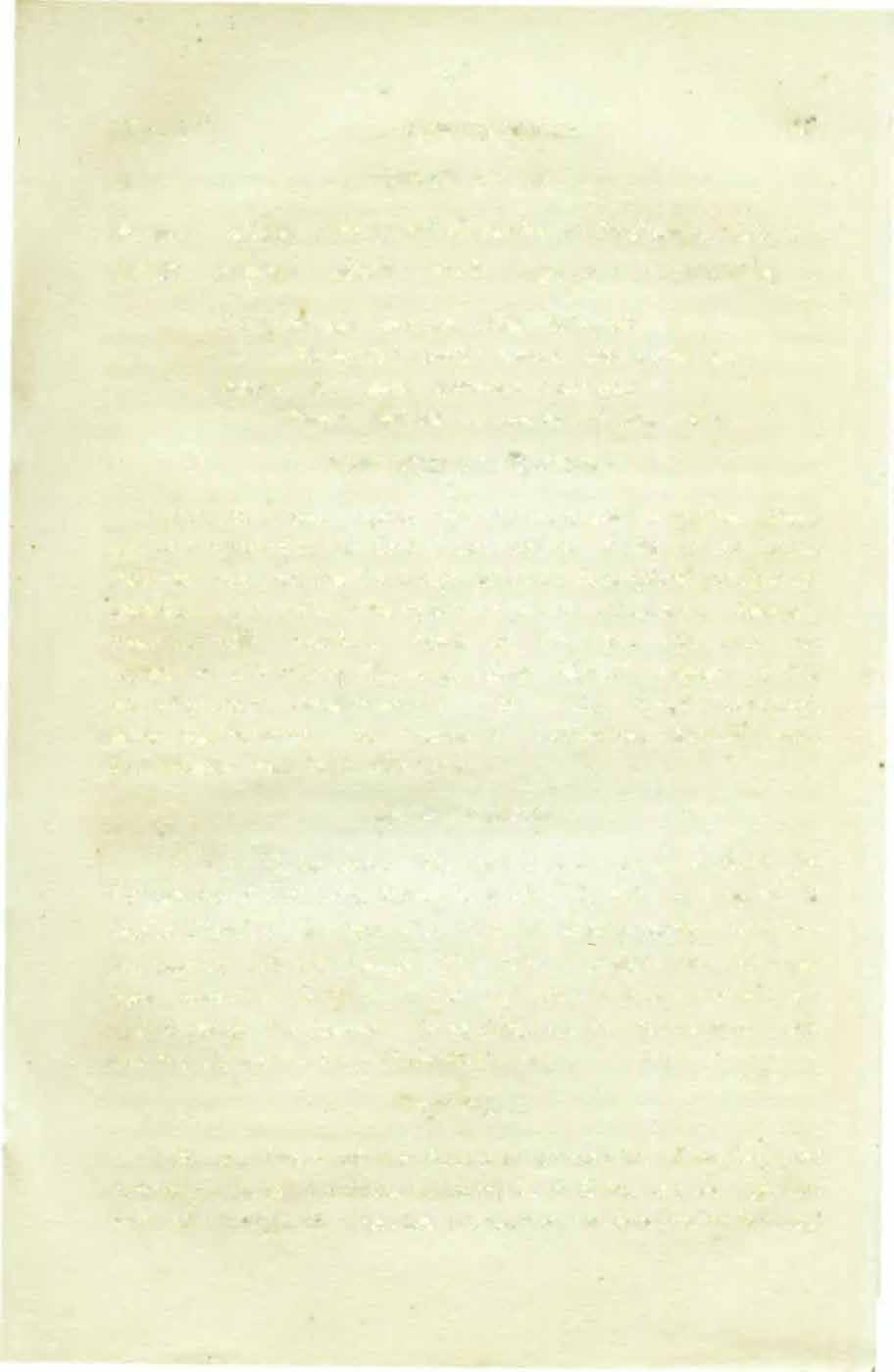
ENGLISH SYNONYMS
rat-by whose, Tejasa-by influence, atha-at a time, Bhaga van-the personality of God (Lord Shiva), rudhi-in the battle, Sulapani-one who has the trident in hand, Bismapitah-astonished, Sagirija-along with the daughter of M9unt Himalaya, A.stramweapon, A.dat-awarded, Nijam-of His own, Me-unto me, Anyepi-so also others, Cha-and, A.ham-Myseif, Amuna-by this, Eva-definitely, Kalevarena-by the body, Prapto-obtained, Mahendrahlzavane-in the house of Indradeva, Mahad-great, A.sanardham-seat half elevated.
TRANSLATION
It is by His influence only that I was able to astonish the Personality ofGod Lord Shiva along with His wife the daughter of MountHimalaya in fight and thus He bec�me pleased with me andawarded His own weapon. Thus other demigods also delivered their respective weapons to me and what to speak more I wa� able to reach the heavely planet definitely by this present body and was allowed to the halfelevated seat.
Pl)RPORT
By the Grace of the Supreme Personality ofGodhead Sri Krishna, all other demigods including Lord Shiva also was pleased with him (Arjuna). The idea is that one who is favoured by Lord

Text 12] FIRSTCANTO 891
No. 12 �iW"T'l �ffill� ifq ��qTfQTf�'lTfqa:"f'lf�ifT�1Tq�Tf�;( it 1 !lf�sfq ""��Cf'fitf� snta) qi;J:;rC�it "&ql��,�� 11
TEXT
Shiva or any other demigods maynot necesarily be favoured bythe Supreme Lord SriKrishna (Godhead). Ravanawascer tainlyagreat devotee of the Lord Shiva but he could notbe saved faom the wrath ofthe Supreme PersonalityofGodhead Lord Ramachndra. And there are many instances like that_in thehistories ofthe Puranas. But here is an instance where wecansee thatLordShivabecame pleased even inthe fightwithArjuna.The devotees ofthe Supreme Lordknowhow torespect thedemigods_but thedevoteesofother demigods sometimes foolishly think that the Supreme Personality ofGodhead is as good as other demigods (?) By sucll conception ofthe Supreme God and the demigods one becomes an offender and ultimately meets with the same result as Ravana and others had to meet. The instances described by Arujna during his friendly dealings with Lord Sri Krishna are instructive for all who may be convinced by the lessons that one can achieve all favoures simply by pleasing the Supreme Lord Sri Krishna while the devotees or the worshippers ofother demigods may achieve only partial benefits ()f life which are also perishable as much as the demigods themselves are.

Another significance ofthe present verse is that Arjuna, by the Grace of Lord Sri Krishna, was able to reach the heavenly planet even with the self same body and was honoured by the heavenly demigod Indradeva being seated with him halfeleveted. One canreach theheavenly plantets by pious acts as theyarerecommended in the Shastras in the category offruitive activities. And as stated)n the Bhagwat Geeta (B. 0-,9/21) the reactions of such pious acts being spent up the enjoyer is again degraded to come down to this earehly planets. The Moon planet is also on the lt:vel of heavenly planet and only persons who have had performed virtue only namely peiforming sacrifices, giving in charties and undergon severe austerities etc can be allowed to enter into the heavenly planets after expiry 'ofthe duration of life ofthe body. Arjuna was allowed to enter into the heavenly planets in the self same body simply by the Grace ofthe Lord otherwise it was not passible to do so. The present attempts to enter into the heavenly


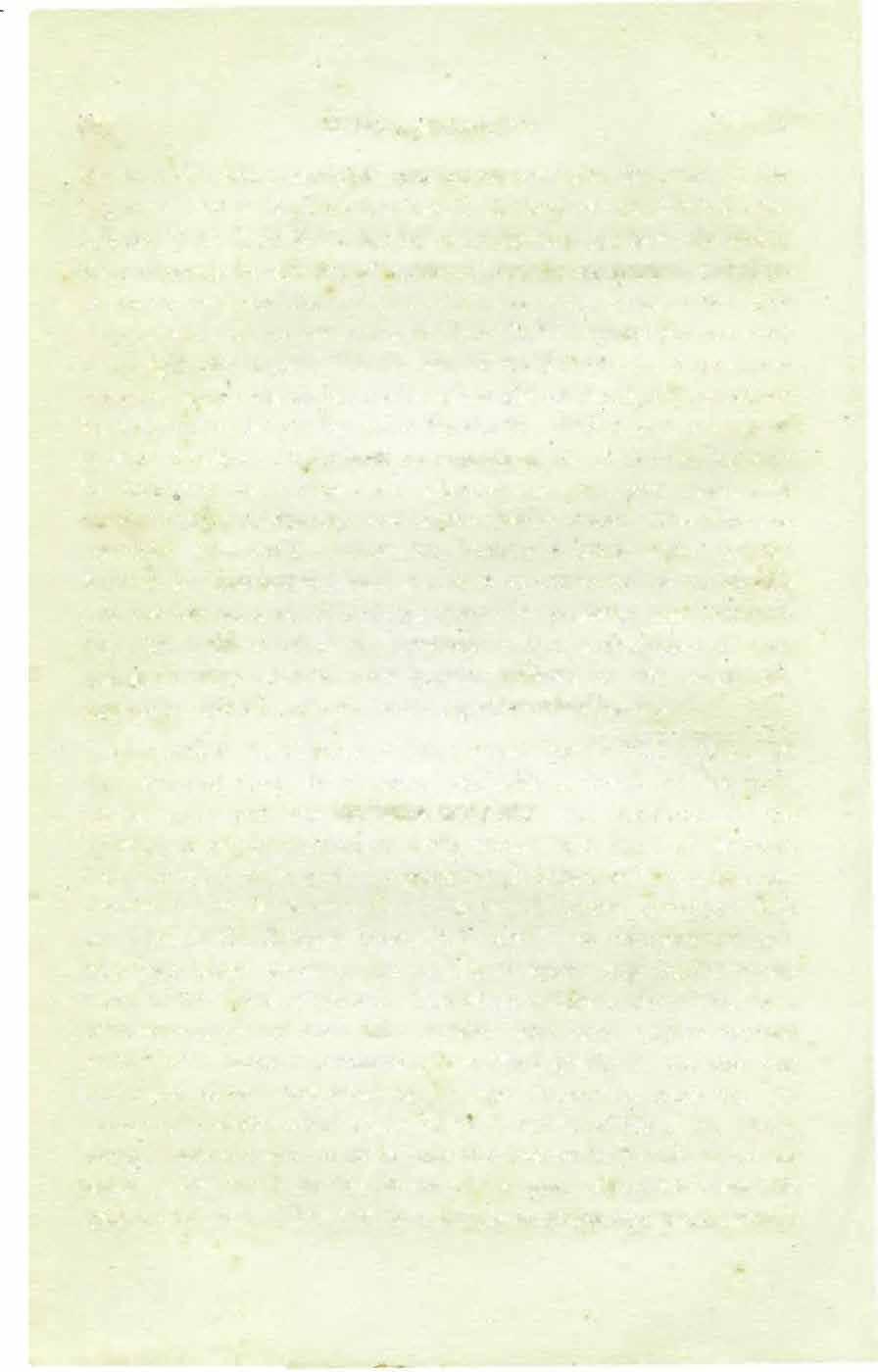
898 SRIMAD BB.AGwATA.M (Ch. 15
planet by the modern scientists will certainly prove futile because such scientists are not on the level of Arjuna. They are ordinary human beings without any assets of sacrifice _ , charity or austerities. Themateriallbodyis influenced bythethree modes ofmaterial nature namely goodness, passion and ignorance. Thepresent mass ofpopulation is more or less inflilenced by the modes of passion and ignorance and the symptoms for such influence'is exhibited in becoming too much lusty and greedy. Such degraded lusty and greedy fellows can hardly approach the higher planetary system namely the heavenly planets or above them. Above the heavenly planets there are many other planets also where only those who are influenced by goodness can reach. In the heavenly . and other higher planets within an universe, the inhabitants are all highly intelligent many more times than the human beings and they are all pious in the higher and the highest mode ofgoodness. They are all dtvotees of the Lord and although their goodness is not unadulterated still they are known as demigods possessing maximum amount of good qualities possible within the material world.
TEXTNo. 13
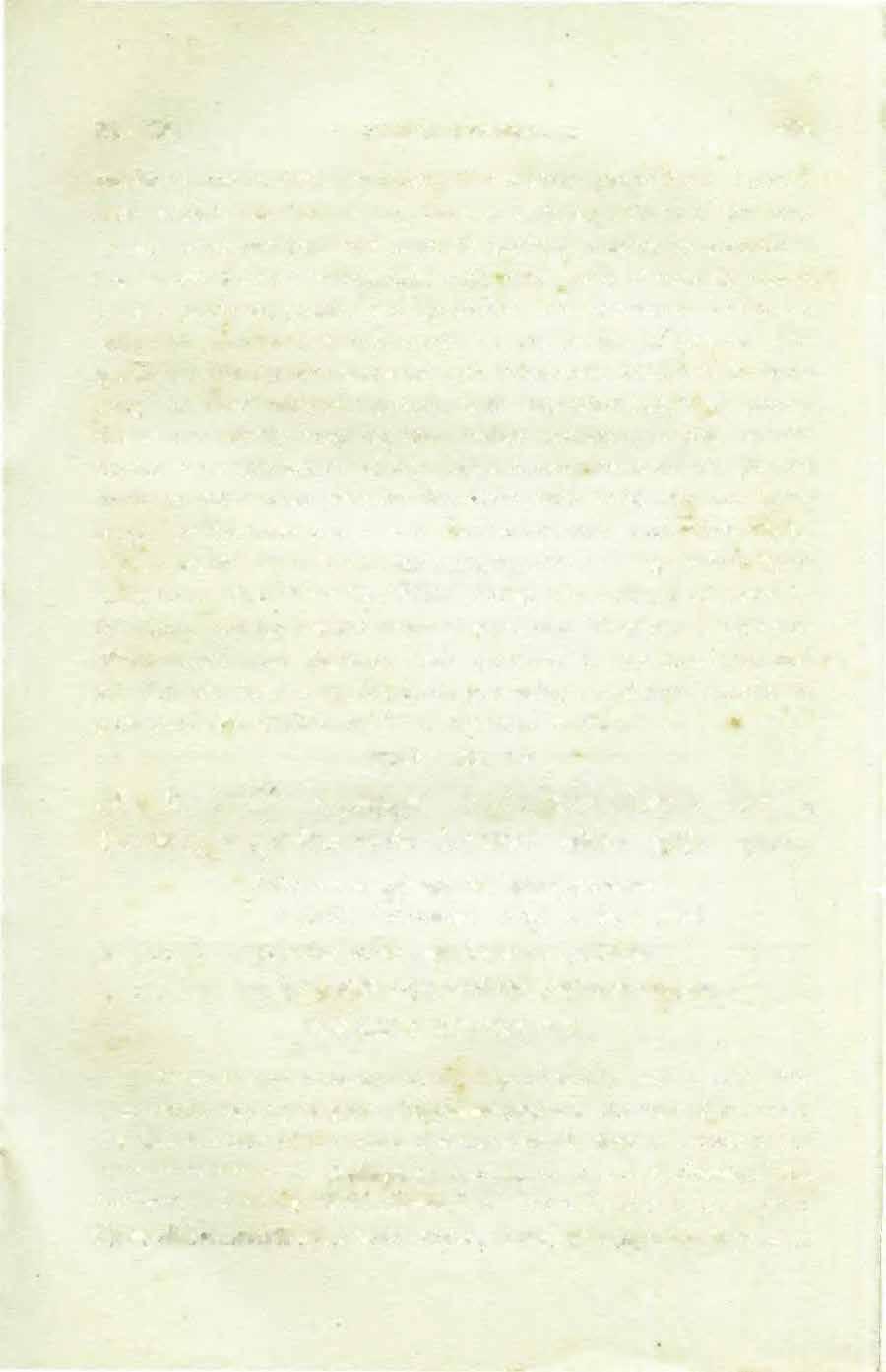
a�Gf it fcr��a) '4!\if�,��q trl'�1'f��vr1l�lfacrenlf ''": 1 �;qr:f�aT trt2m�aat:srq)� a--.t�qv: �f'ta: �q" ��"'' •


Tatra eva me viharato bhujadandayugmam
Gandiba lakshanam arati badhaya devah.
Sa indrahshritayadnubhavitam ajamidha
Tena aham arfya mushitah purusena hhuYlJna.
ENGLISH SYNONYMS
Tatra--in that heavenly planet, Eva-certainly, Me--myself, Viharato--while staying a'> guest, Bhujadandayugmam--tbe pair ofmyarms, Gandiba-·the bow of the nam�. Laksnnam-mark, Arati -a demon af the name Nivatakavach, Badhaya-for the matter ofkilling, Devah-all the demigods, Sa-along with, Indrah-the heavenly king ofthe name, · $hrita·�taken shelter of,_f'ad-bywhose, Anubhavitarn-made it possible
t Text 13] FffiST- CANTO 899
to be powerful, AJamidha-oh the descendantofking Ajamidha, Tenaby Him, Aham·myself, Adya at thepresentmoment, Mushito-bereft of, Purushena-by the personality, Bhumua-the Supreme.
TRANSLATION
When I stayed for some days as guest in the heavenly plan et, at that time all the heavenly demigods along with the King Indradeva took shelter of my arms marked with the Gandiba bow for the rnalterofkilling the demon ofthe name Nivatakavach. Oh the king the descendant of Ajamidha, at the present moment I am bereft ofthe Supreme Personality of Godhead by whose infulence I was so much powerful. -
The heavenly demigods are certainly more intelligent powerful beautiful and yet they had to take help from Arjuna on account of his Gandiva bow which was empowered by the Grace of Lord Sri Krishna.The Lord · is all powerful and by His Grace His pure devotee also can be as much poweJful as He may desire and there is no limit about it. And when the Lord withdraws His power from any one, one is power less by the will of the Lord.
TEXT

• 900 SBIMAD BHA.GWATAM Ch. 15
PURPORT
No. 14 lli'li'lct: !§q!l'�Tfa'l'fi=f;:(l'qr�eri) �"'" a"(l'���entir'*! 1 Sl'�ll�ff ��g�;:;=if qqt �ISI'ta-:st '� qfVrqq ;:ftni fu�)wq: 11
kuruvalabdhim anantaparam
rathena tatare' aham atarya sattu·am.
vahudhanam chamaya paresham
yadbandhavah
Eko
Pratyahritam
TPjaspadammanimayamchahritamJirobhyah.
whose friendship only� Kuru'lalbdhim-tbe
ENGLISH SYNONYMS Yadhandhavah-By
ocean ofthe military strength ofthe Kurus, Anantaparam-which was insurmountable, Eko-alone, Rathena-being seated on the chariot, Tatare-was able to crms over, Aham-myself, Ataryainvincible, Sattwam-existence, Pratyahritam-drew back, Vahuvery large quantity, Dhanam-Wealth, Cha-Also, Mqya-by me, Paresham-ofthe enemy, Tejaspadam-S!mrce of brillience, Manimtryam-bedecked withjewels, Cha-also, Hritam-taken byforce.
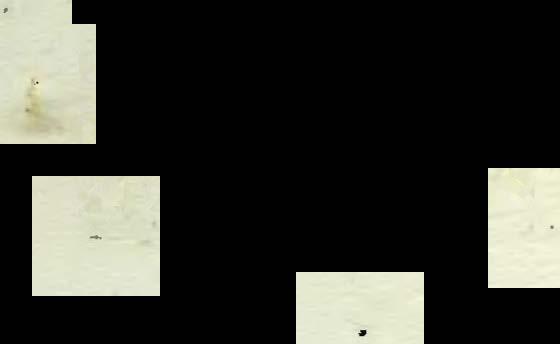


TRANSLATION
The military strength of the Kouravas was like a ocean in which there were many invincible existence and thus it was insurmountable. But still on account of His friendship I could cross over the same alone being seated on the chariot. And by His Grace only I was able to draw back (the cows) over and above this I collected by force many helmets of the kings that were bedecked with jewels all sources of brillience.
PURPORT
On the Kourava side there were many stalwart commanders like Bhisma, Drona, Kripa, Karna, an� the military strength was insurmountable like the great ocean. And yet it was due to Lord Krishna's Grace that Arjuna alone and that also sitting on the chariout could manage to -vanquish them one after another without any difficulty. There were many changes of co _ mmanders on the other side but on th; Pandava's side Arjuna alone on the chariot driven by Lord Krishna, could manage the whole responsibility of the great war. Similarly when the Pandavas were living at the Palace of Virata incognito, the Kouravas picked up quarrel with the King Virata· and decided to take away his large number of cows. Thus while taking away the cows Arjuna fought withthem incognito and wasable to draw back the cows along with some booty taken by force the jewel set on the turbans ofthe royal order. Arjuna remembered ;1}l these were possible by the Gr�ce of theLord!

Text 14] FIRSTCANTO 901
TEXT No. 15

chamusu adahhra Raja'!Yavarya rathamandala manditasu.
Agrecharo mama vihho rathayuthapanam Ayur manam5i c!za drisha saha ojah archhat.
ENGLISH SYNONYMS
l"o-It is He only, Bhisma-ofthe name, Karna-oftbe name, Guru-Dronacharya Salya-of the name. Chamusu-in the midst ofmilitary phalanx, Adahhra-immense Rajanyavarya-great royal orders, Rathamandala-chain of chariots, Manditasu-being decorated with, Agrecharo-going forward, Mama-of mine, Vihho-Oh the great king, Rathayuthapanam--allthe charioteers, Ayur-duration oflife or fruitive activities, Manamsi-mental upsurges, Cha-also, Drisha-by glance, Saha-along with, Ojah-strength, ..4rchhatwithdrew.
TRANSLATION
Itis He only Who withdrew every one's duration of life, Rpeculative power and strength of enthusiasm in the battlefield of thegreatmilitaryphalanxmade bythe Kouravasheaded by Bhisma, Karana, Drona, Salya etc. Their arrangement was nice and more than enough but He (Lord Sri Kr�shna) while going forward, did all these.
PURPORT
The Absolute Personality of Godhead Lord Sri Krishna by His plenary Paramatma portion expands Himself jn every one's heart and as such He directs every one in the matter of recollection, forgetfulness, knowledge and absence of intelilgence and all psychological activties (B. G. i5/15)A.s the Supreme Lord
902 SRIMAD BHA.GWATAM [Ch. 15
tiT ti\15q'tl'G}!J��i:f"i1SC!fq��T�;q���'I1�VfiffqaT!J l lA''.fi:f�T "" fC!f�T ����q"(ifTJft�;;ff« =iJJ�m «8:st)�lA'T�C! I I ro
b/tismakamagurusalwya
He can increase or decrease the duration of life of a living being. As such the Lord conducted the battlefield ofKurukshetra according to His own plan. He wanted that battlefield of Kurukshetra must be owned for the sake of establishing Yudhisthir as the Emperor of this planet and to facilitate this transcendental business He withdrew the duration oflife of all wh were on the opposite party by His omnipotent will. The other party was equipped with allmilitarystrength supported by biggenerals likeBhisma, Orona, Salya etc and it would have been physicaliy impossible for Arjuna to win over the battle had the Lord not have helped him by every kind oftactics required to win over a great battle. Such tactics are generally followed by every statesman even in the modern warfares but they are all done materially by powerful espionages, military tactics and deplomatic manoeuvres of modern politicians and because Arjuna was the Lord's devotee ofgreat affection, the Lord did them all Himself without personal anxiety by Arjuna. That is the way ofdevotional service ofthe Lord.
TEXTNo.16

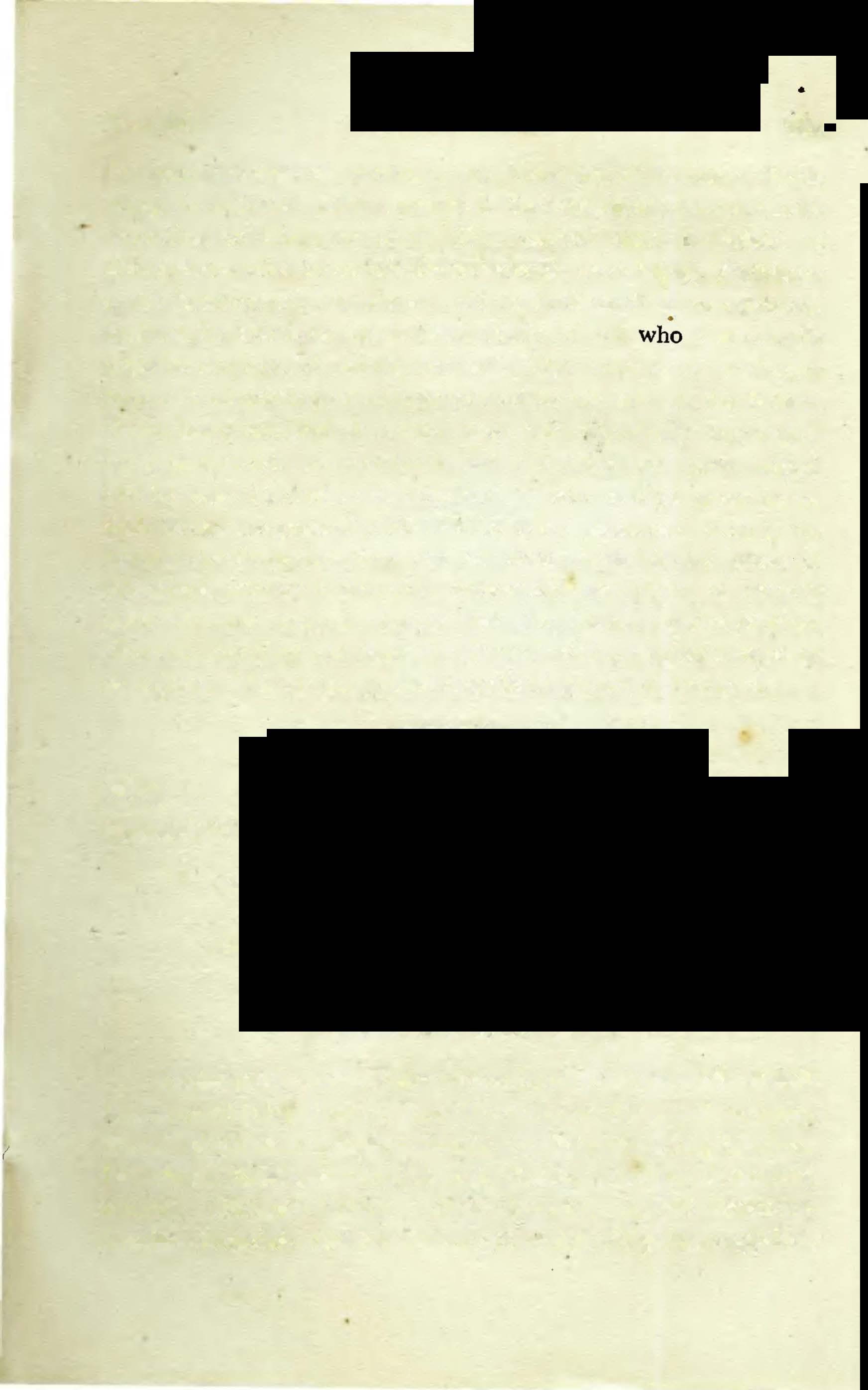

ENGLISHSYNONYMS
Yad-under whose, Dohsu-protectlonof arms, Ma Pranilzitam-myselfbeing situated, Guru-Dronacharya,Bhisma-ofthe name, K'arna-ofthe name, .Naptri-Bhurisrava, Trigartar-kingSusarma, Sal-Salya, Saindhava-king]aidrath, Bahlika-brother ofMaharaj
Santanu (Bhisma's father) Adaih-Etcetra, Astrani-weapons, Amogha-invincible, Mahimani-very powerful, Nirupitani-appiied,
Text 16) FikstCA.NtO 903
�� q' srtotf�a !�llTlS1f �oi'ttll(Jf�trcf��tt;q�.-rftJt�Tv": 1 'A'�Q�Vqq)Qtqf�l=ftf'f fiAfct�nf� ift �·HI'!��f�tafifen�1::Tfur u rad dohsu ma pranihitam guru bhisma karna .Naptri lf!gartar sal saindlzava halkika adqyik. Astrani amogka mahimani nirupitani Na upaspisur nriharidasam iva asurani.
Upaprisu-touch, Nriharidasam -Servitor of Nrisinghadeva (Prahlada) Iva-like, Asurani-weapons applied by the . demons.



TRANSLATION
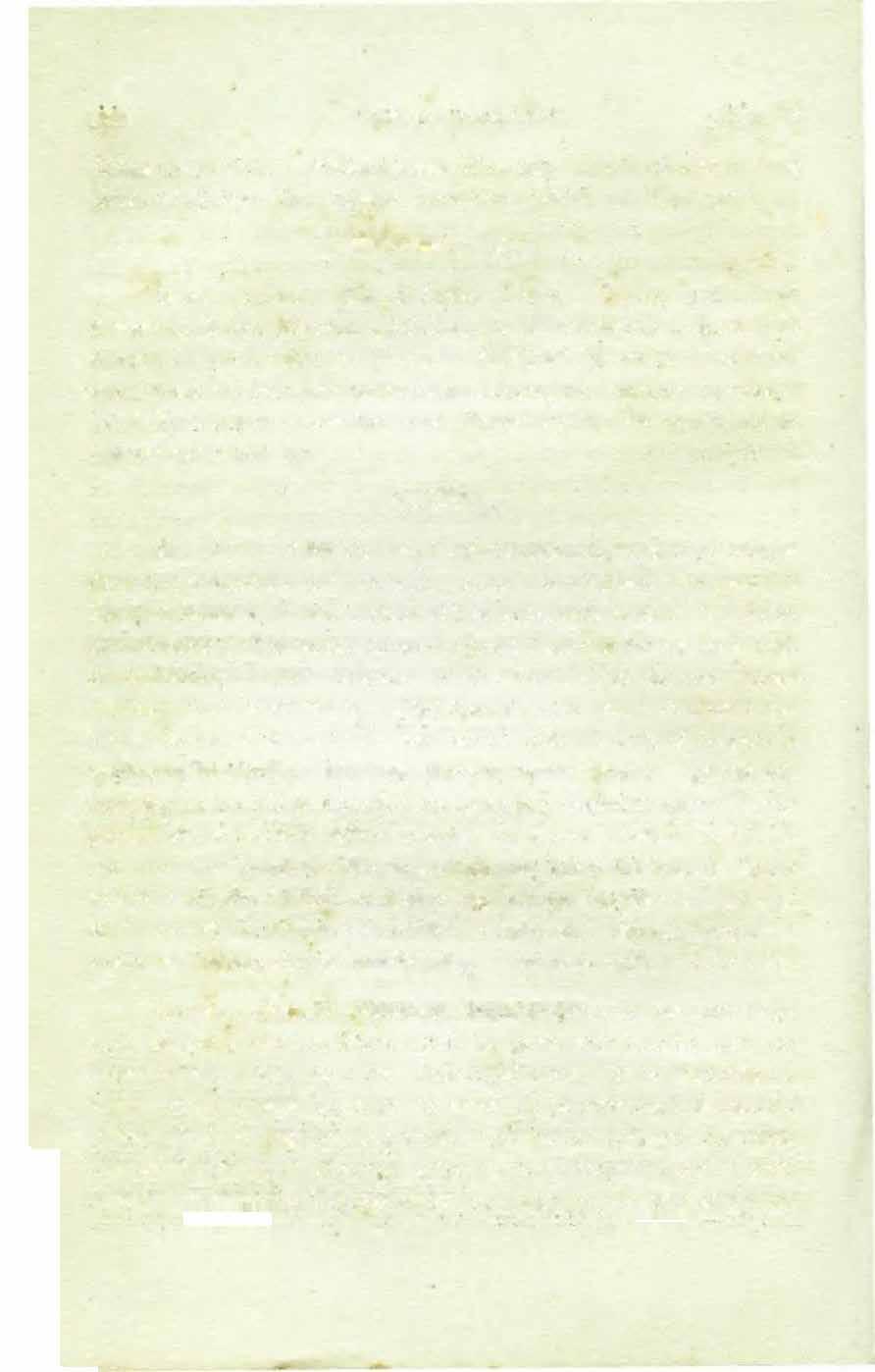
Great generals like Bhisma, Drona, Karna, Bhurisrava, Susarma, Salya,Jaidratha, Bahlika, etc all applied their invincible weapons upon me .But by His (Lord Krishna's) grace theycould not even touch my hair just as Prahlad Maharaj the supreme devotee of Lord Nrisinghadeva was i.he least affected by the weapons used by the demons upon him.
PURPORT
The history ofPrahlad Maharaj the great devotee ofNrisingha deva is narrated in the seventh canto of Srimad Bhagwatam. Prahlad Maharaj a small child of five years only became the object ofenviousrios3 of his great father Hiranya Kashipu for his only fault of .becoming a ·pure devotee of the Lord. The demon father applied all his weapons for killing the devotee son Prahalad but by the Grace of the Lord he was saved from all sorts of dangerous actions by his father. He was thrown in the fire, in boiling oil, from top ofthe hill underneath thelegs ofan elephant. administered poison and at last the father himself took up a chopper to kill his son and thus Nrisinghadeva appeared andkilled the heinous father before the son. Thus no body can kill the devotee ofLord and similarly Arjuna was also saved by the Lord although all dangerous weaponswere applied on him byhis great opponents like Bhisma etc.
Karna:-Born of Kunti by Sun-god prior to her marriage with Maharaj Pandu. Karna tock his birth with bangles and ear rings extraordinarysignsfor undaunted hero. In the beginnig hi� name was Vasusena but when he grew up hf" presented his natura] bangles and earrings to Indradeva and thence forward his name became famous as Vaikartan. After his birth from maiden Kunti, he was thrown inth� Ganges water and late� he was picked up by
[
904 SRIMAD BHAGWATAM [Ch. 15
Text 16]




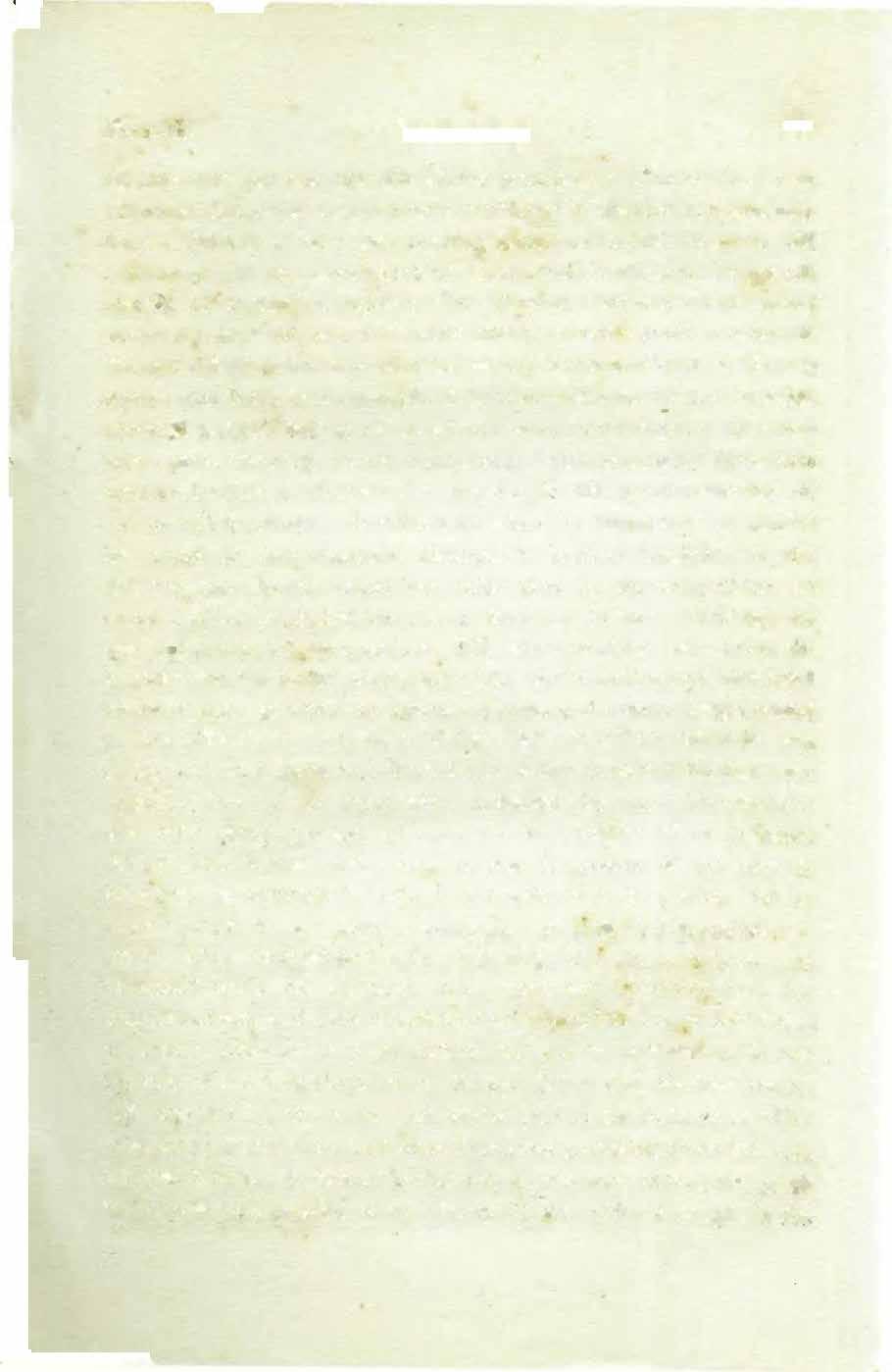
Adhirat and he and his wife Radha brought up him as their own offspring. Karna was very much munificent in charity anJ specially for the Brahmins there was nothing which he could not spare for a Brahmin. In the same spirit of charitable disposition hegave in charity his natural bangles and earrings to Indradeva who being verymuchsatisfied with him gave him in return a great :weapon of the name Shakti. He was admitted as one ofthe students of Dronacharya and from the very beginning there was some rivalry between him and �rjuna. Seeing his constant rivalry with Arjuna1 Duryod. hone picked him up as his companion which gradually grew into greater intimacy. He was also present in the great assembly of Droupadi's Saymvara function and when he attempted to exhibit his talent in that meeting, Droupadi's brotner declared in the meeting that Karna could not take part in the competition on .. account ofhis becoming the son of Sudra carpenter. Although he was refused in the competition still when Arjuna was successful in pierching the target of fish andwheel on the ceiling and Droupadi bestowed her garland to Arjuna, Karna and others disappointed princes oiTered an unusual stumbling block to Arjuna while he was taking with him Droupadi. Specifically Karna fought with him very valiantly but ali of them were defeated by him. Duryodhone was very much pleased with Karna on account of his constant rivalry with Arjuna and when he was in power of the earthly kingdom, he enthroned Karna in the state of Anga. Being baffled in his atampt to win .over Droupadi, he advised Duryodhone to attack King Drupad and after defeating him both Arjuna and Droupadi could be arrested. But Dronacharya rebuked them for such conspiracy and theyrefrained from theaction. Karnawasdefeated many times not only by Arjuna but also by Bhimsena. He was the king ofthe then kingdom of Bengal Orissa and Mactras combined together. Later on he took active part in the Rajmya sacrifice ofMaharaj Yudhisthira andwhen there was gambling chess between therival brothers desigened by Sakuni, Karna took part in the gam�
a�dhewas very pleased when Droupadi was offered as bet in t}l�

f •
gambling to feedhis oldgrudge. When Droupadi wasin thegame he was very enthusiastic in declaring the news and it is hewho ordered Duhsasan to take away the garments of both Pandavas and Droupadi. She asked Droupadi to select another husband because being lost by the Pandavas she was· rendered a slave ofthe Kurus. He was always a dead enemy of the Pandavas and whenever there was opportunity he wanted to curb down them by all means. During the battle of Kurukshetra he fore-saw the conclusive result .. ofthe battle and he expressed his opinion that due to Lord Krishna beingthe chariotdriver ofArjuna, the battle should be woned byhim. He was always in difference ofopinion with Bhisma and sometimes he said that he would not fight till Bhisma was living. And he was proud enough to say that within five days only he could finish up the Pandavas and fight if Bhisma would not interfere with his plan ofactio1:1. But he was too much mortified when Bhisma died. He killed Ghatotkach by his Sakti weapon obtained from Indradeva. His son Brisasena was killed by Arjuna. He killed the largest number of soldiers ofthe Pandavas. At last there was severe fight with Arjuna and it is he only who was able to drop the hemelt oi Arjuua. But it so happened that the wheel ofhis chariot became stuck in the battlefield mud and when he got down to set the wheel right Arjuna took the opportunity and killed him although he requested Arjuna not to do.
Naptri or Bhurisrava :-Bhurisrava was the son. of Somadutt a member ofthe Kuru family. His other brother was Salya. Both the brothers andthe father also:attainded the Sayambara ceremony ofDroupadi. All ofthem appreciated the wonderful strength ofArjuna due to his becoming the devotee friend of the Lord and thus Bhurisrava advised the sons of Dhritarastra not to pick up any quarrel with nor to fight with them. All ofthem also attended the RajsuyaYajna ofMaharaj Yudhisthira. He possessed full one Akshanini regiment of �rmy. cavalry, elephants, chariots and all these were employed in the battle ofKurukshetra on behalf

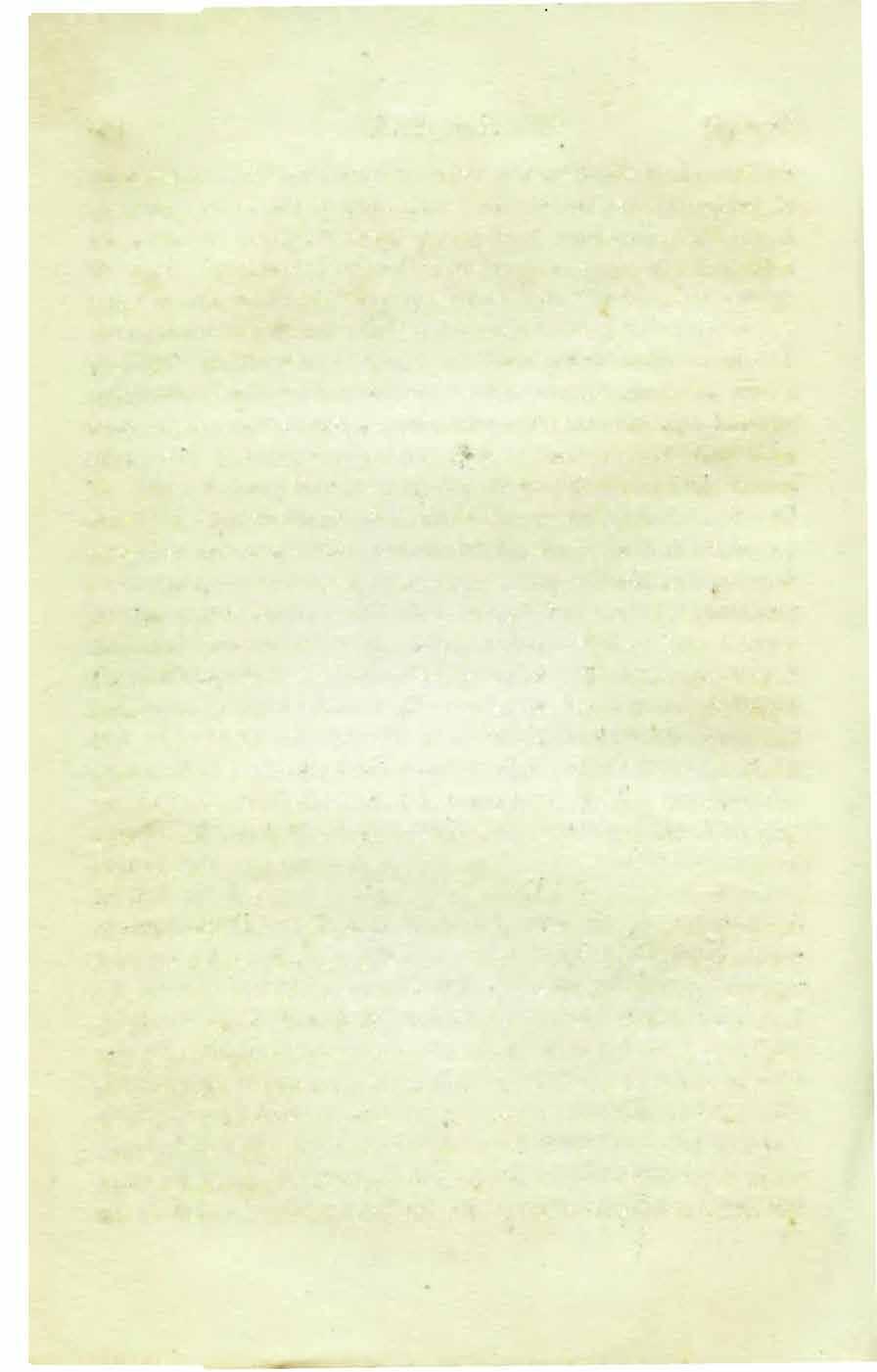
906 Sl.UM.Al>BH.A:GWA.T.A.M [Gh. 15
ofthe Duryodhon's party. He was counted by Bhima as one of the Yuthapatis. In the battle of Kurukshetra he was specially engaged in fight with Satyaki and he killed ten sons of Satyaki. Later on Arjuna cut off his hands and he was ultimately kiJJed by Satyaki. After bis death he merged into the existence ofVisw<1deva.
Trigartaor Susarma :-Son cf Maharaj Briddhak"hetra and the King of Trigarta Desha and he \vas also pre �ent in the Sayambara ceremony of Drouprdi. One ofthe alliesof Duryodhone and he advised Duryodhone to attack the Matsadesha (Darbhanga). during the time ofcow-stealing in Viratnagar he was able to arrest Maharaj Virat but later on Maharaj Virata was released by Bhima and in the battle of Kurukshetra he also fought very valiantly but at the end he was killed by Arjnna.
Jaidrath :-Another son of Mah araj Briddhakshetra and was the Kin g ofSindhu (modern Sind Pakistan) Desha and his wife's name was Duhsala. He was also presen;)t in the Sayamvara ceremony ofDroupadi desired very strongly to have the hand of beautiful Droupadi but he failed in the competi tion game thus failed to have the celebrated princess as his wife. But since then he sought always the opportunity ofgetting in touch with Droupadi. When he was going to marry in the Salya Desha on the way at Kamya\ an1 he happened to see Droupadi again and was too much attracted by her. The Pandavas and Dr oupadi were then in exile after losing empire in gambling and Jaidrath thought it wise to send news to Droupadi in an illicit manner L1rough Kotisashya an associate of Jaidrath. Droupadi at once refuted vehemently the proposal of Jaidrath but being toomuch attracted by the beauty ofDroupadi he tried for again and again. Every time being refused by Droupadi he tried to takeher away forcibly onhischariot and at first Droupadi gavehim a good dashing and he fell like a cut-root tree. But he did not get it disappointed and was able to force Droupadi srt on the Chariot. Thisincidence was seen byDhoumya Muni and he strongly pr.otested asainst the action ofJaidr ath! He �bo followed �h.e
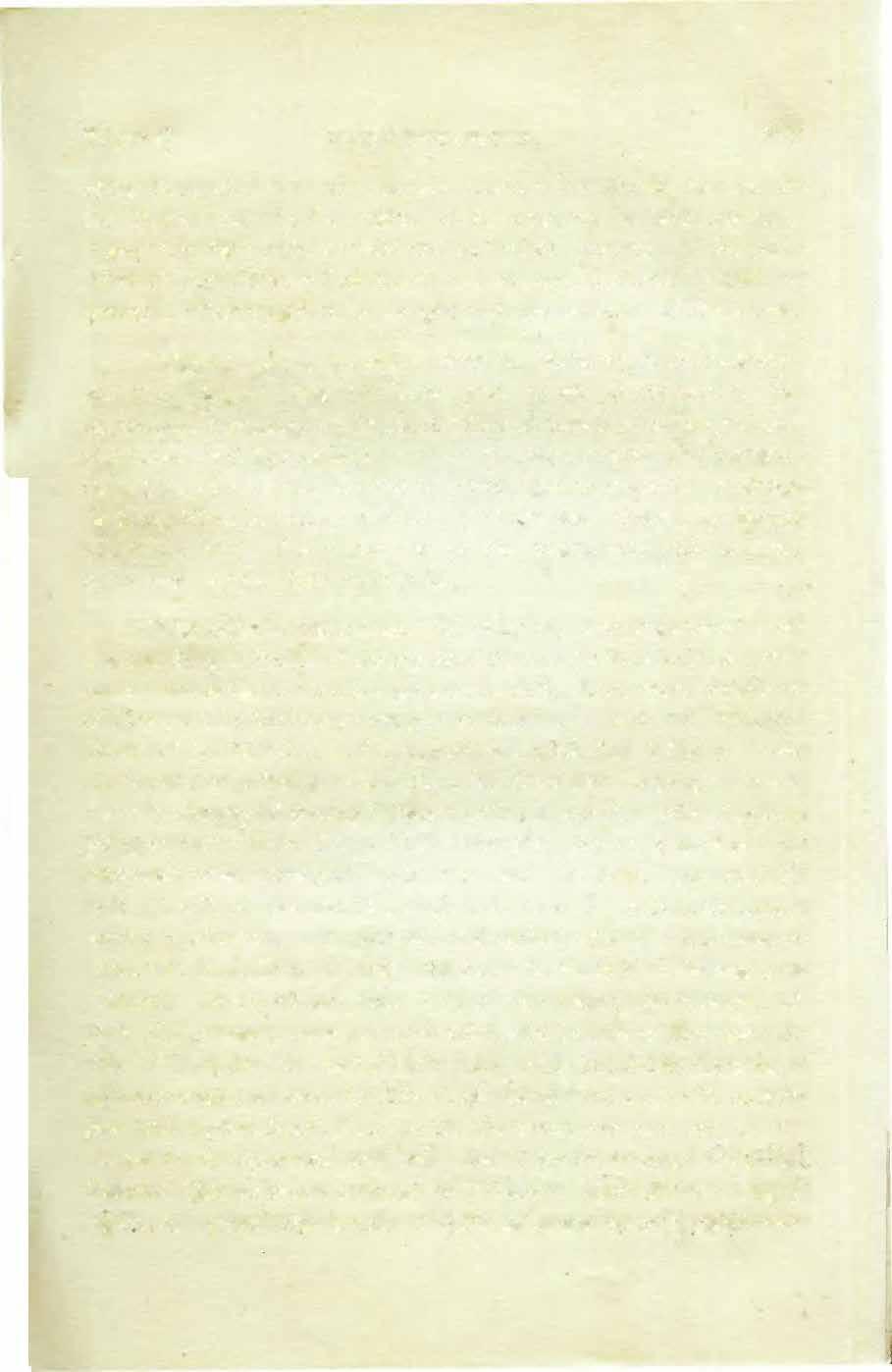
Text 16] FE.IST CANTO 907 I
chariot and through Dhatreyak the matter was brought to the notice ofMaharaj Yudhisthira. The Pandavas then attacked the soldiers ofJaidrath and killed them all and at last Bhima caught hold of Jaidrath and had beaten him very severely as almost dead. Then he was made bareheaded with five hair spot on the skull and was ta"ken to all the kings to introduce hi!D as the slave of Maharaj Yudhisthir. He was forced to admit himself as the slave of Maharj Yudhisthir before all the princeiy order and in the same condition he· was brought before Maharaj Yudhisthir. Maharaj Yudhisthar was kind enough to order him get rel�ased and when he admitted to become a tributory prince only under Maharaj Yudhisthir, Queen Droupadi also desired that he should be released. After this incidence he . was allowed to return back to his country. Being too much insulted like this he wentto Gongotri in the Himalaya and undertook a severe type. of penance to please Lord Shiva and asked His benediction for defeating all the Pandavas at least once a time. Then the battle ofKurukshetra began and he took sidewith Duryodhona and in the first day's fight he was engaged with M:1haraj Drupaq then with Virata and then with Abhimanyu. While Abhimanyu was being killed mercilessly surrounded by seven great generals and the boy was fighting alone tbe Pandavas came to his help but Jaidratha by the mercy ofLord Shiva repulsed them with great ability. On this Arjuria took a vow to killhim and on hearing this he wanted to go away from the warfield and asked permission from the Kouravas for this cowardly action. But he was not allowed to do this act ofcowardice but on the contrary he was obliged to fight with Arjuna by all sides and while the fight was going Lord Krishna reminded Arjuna that causing the fall down ofthe head ofJaidratha means Jeath cf the killer, 'fhat was the benediction of Shivji upon him that whoever would cut his head would die at once with the falling of Jaidrath's head on the ground. He therefore · advised Arjuna to throw the head ofJaidrath directly on the lap of his father who was engaied in penances at �a:manta fanchak piJgrima�e.

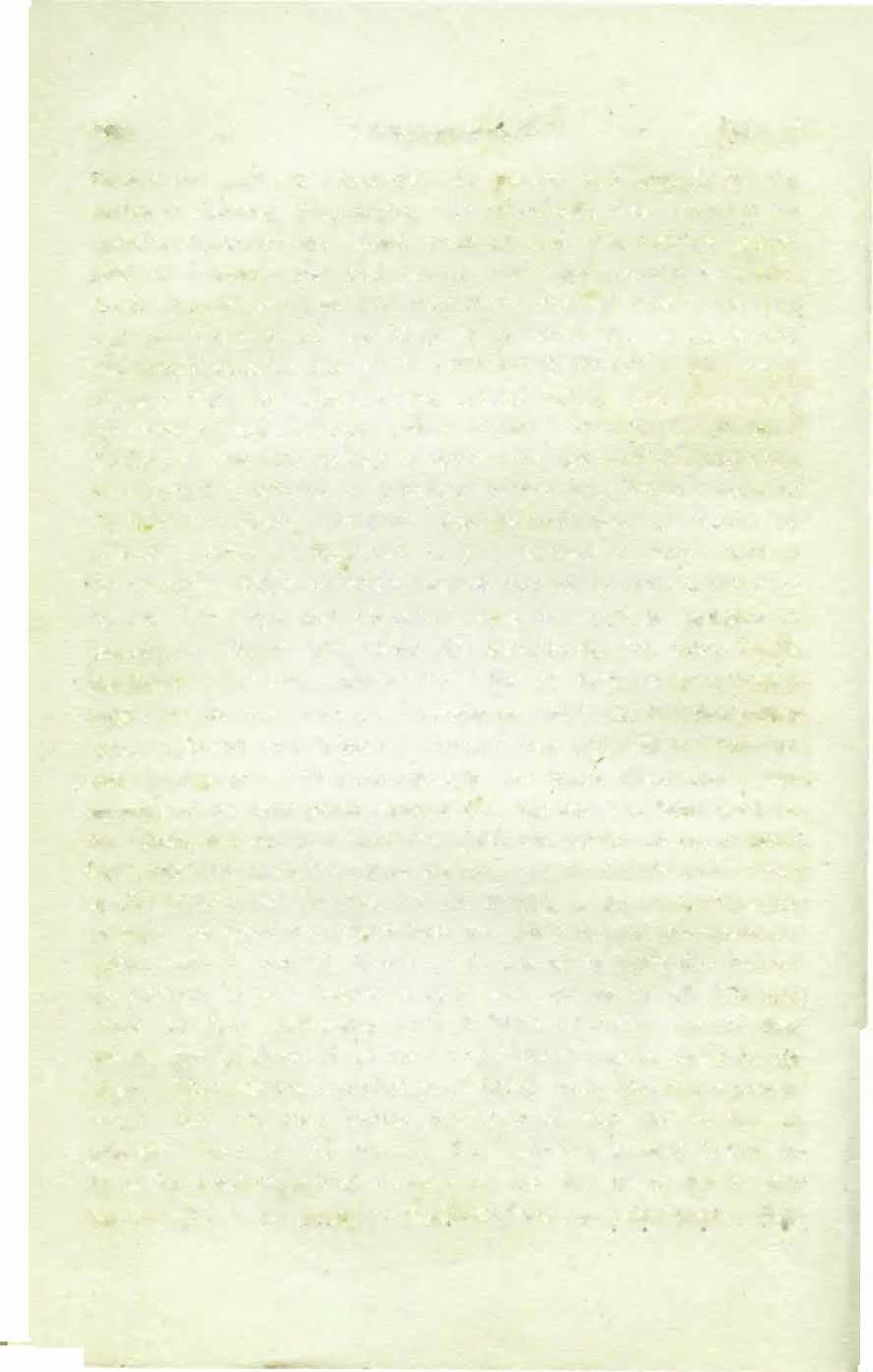
908 SRIMA.DBHAGWA.T.AM (Ch. 15
Thj$.: L-�-
wasactually done by Arjuna. Jaidrath's father was at once surprised tosee a cut head on his lap and as soon as he threw it on theground, the father also died at onceonaccount ofhisforehead being cracked in seven pieces. a
TEXT No. 17


Soutyeh vritah lcumatina atmada lswaro me
f'adpadapadmam abhavaya bhajanti bhbyah. Mam srantavahamarayorathinam bhubistam
Na praharan yadanubhava nirasta chittah.
ENGLISH SYNONYMS
Souryeh-in the matter of a chariot driver, Vritah-engaged, Kumatina-by bad consciousness, Atmada-one who delivers, Jswara-the Supreme Lord, Me-mine, Tad-whos�, Padapdmamlotus feet, .Abhavaya-in the matter of salvation, Bhajanti-do render service, Bhavyah-the intelligent class of men, Mamunto me, Sranta-thirsty, Vaham-my horses, Arayo-the enemies, Rathinam-a great general, Bhubistam-while standingon the ground, Na-didnot, Praharan-attack, rad-vvlJOSC, Anubhavamercy, .Nirasta-being absent, Chitta-mind.


TRANSLATION
It is byHis mercy only that my enemies were unmindful to kill me at a time when I got down from my chariot to bore water for my thirsty horses and it wasdue tomyHI-estimation ofmy Supreme Lord that I dared to engage Him as my chariot (lriver although He is worshipped and offered services by the bes[ men· for attaining salvation.
PURPORT
The Supreme Lord Personality of Godhead Sri Krishna is the abject of worship both by impersonalists as well as the Devotees
Text 17] FIRST CANTO 909
��
�ta18: t"'lf(!ATS� f��) it �cq'lq'q��cntr ��fia �Glft: • "'�8in�1f�q) �fqfi
" sn��..l4Cf�qTCffwf��ff f:;::fm: u
ofthe Lord. The impersonalists worship His glowing effulgence emanating fi·om His transcendental body of eternal form, bliss and knowledge and the Devotees worship Him as the Supreme Personality of Godhead; Those who are below even than the im personalists consider Him as one ofthe great historical personalities. The Lord however descends to attract all by his specific transcendental pastimes and as such He plays the part of the most perfect Master, Friend, Son and Lover. His trascendental relation with Arjuna was in the humour of friendship and the Lord therefore played the part ofaperfect friend as He did it with His parents lovers and wives. While playing such perfect way oftranscendental relation, the devotee forgets, by the internal potency ofthe Lord, that his friend or son is the Supreme Personality of Godhead although somettmes such devotee is bewildered by the acts of the Lord. After departure of the Lord, A(una is conscious about his great friend but there was no mistake on the part of Arjuna or any iJI-estimation ofthe Lord by Arjuna. Such atmosphere was needed by the superior will of the Lord and the best intelligent man may be attracted by such transcendental acting ofthe Lord with His pure unalloyed devotee like Arjuna. In the war field scarcity of water is an well known fact. Water is very rare there although both the animaland man working strenuously in the war-field require constantly water for quenching thirst. Especially wounded solders and generals feel too much thirsty at the time ofdeath and it sometimes so happens that simply for want ofwater one has to die unavoidably. But such scarcity of water was solved in the battle of Kurukhetra by means of boring the ground at once. By God's grace water can be easily obtained from any place if there is facility for boring the ground. Modern tubewell system is the same principle of boring the ground but modern engineers are still unable to dig�up immediately a tubewell wherever necessary. It appears however from the history ofolden days as farbackas thedaysofthe Pandavas, b1ggeneralslike Arjuna coulcf. at once supply water even to the horses and what to speak of '> '


910 SRIMA.D BliAGWATAM [Ch. 15
FIRST CANTO 911
human being by drawing water from underneath the hard ground simply by penetrating the stratum with sharp arrow enforced by a method still unknown to the modern scientists.
TEXT No. 18
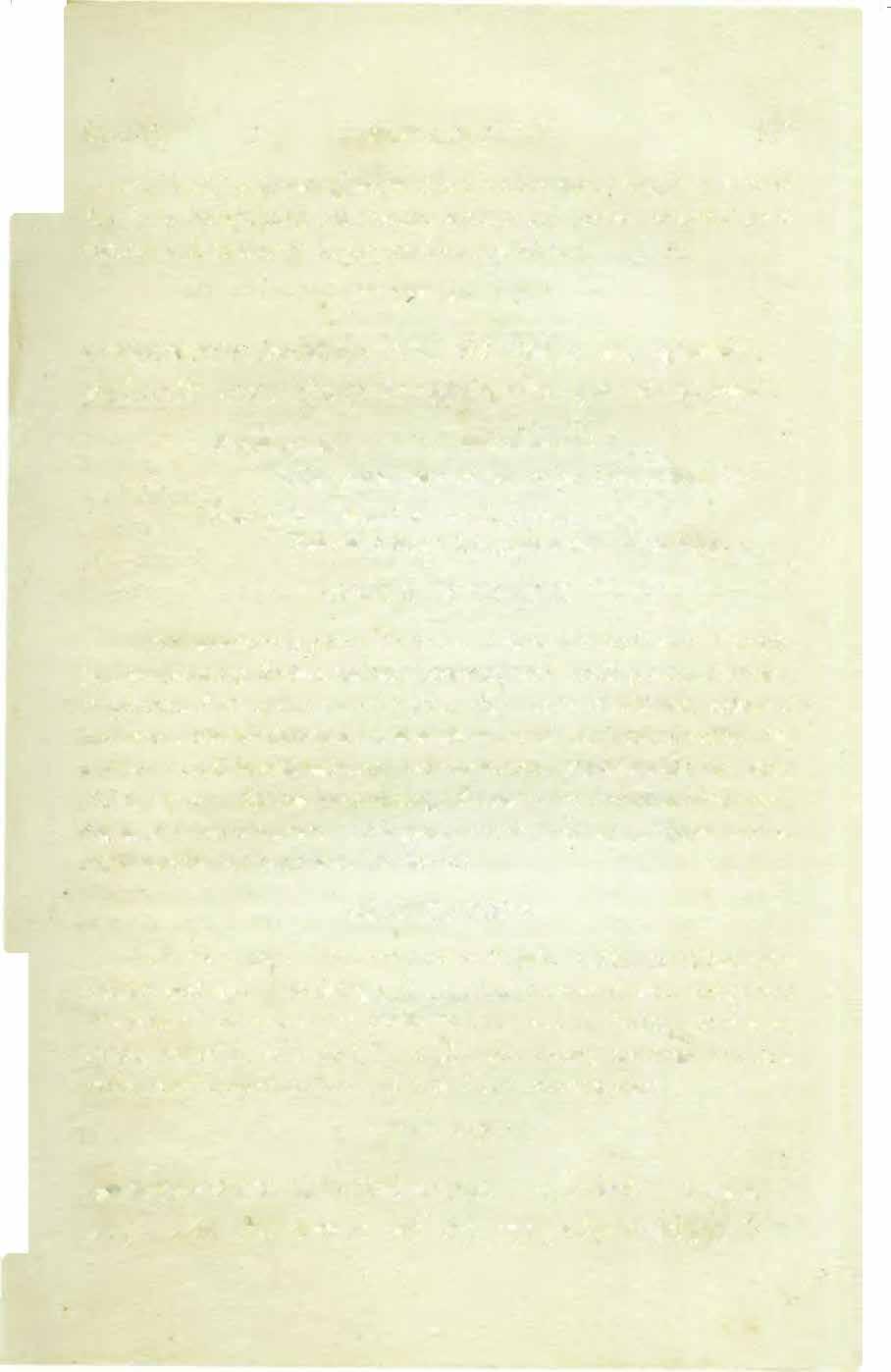
;:rqfvl!�r���f�tf�t:ra-�ftfffcfffil � qrq �s�f;:r �- �;:r·��fa 1 �ttf��cnfil t:rt�qo (fit�CJ�nf;:r �qcf9"ofra �rJ "q 'llf.l'ftlf u


Narmani udarani ruchira smitasobhitani
Haypatrha hay' arujua sakhe kurunandana iti.
Samjalpitani naradeva hridi sprisani
Smarturluthantihridayam mamamadhavasya.
ENGLISH SYNONYMS
Narmani-conversation in jokes, Udarani-talked very frankly, Ruchira-pleasing, Smitasobhitani-decoratedwith smilingface, Ho;y-note ofaddress,Partha--theson ofPritha, Hay-note ofaddress, Arjuua-of the . name, Sakhe-friend, Kurunandana-son ofthe Kuru dynasty, ltiand so on, Samjadpitani-mch conversations, .NaradevtJ-Oh the king, Hridi-heart, Sprisani-touchingJ Smartur-by remembering them, Luthanti-overwhelmes, Hrido;yani-heart and soul, Mama-mine, Madhavasya-ofMadhava (Krishna)
TRANSLATION
Oh the King ! Hisconversation injokes which he talked very frankly and wa� so pleasing and beautiful decorated with smiles and His note ofaddresses unto me as "oh the sonof Pritba, oh friend, oh the son ofKuru dynasty" and all such hearty dealings are now beingremembered by me and thus I am overwhelmed.
TEXT N0. 19
Text IS]
::m:lfT�R�fe��qif�fififTfc:.sicttrriQ't=Q' sat�fa feJSI�i'cf: t �'�: �•· fqeJq�"��q �c{· "'� "�''i ""�Q''1�rmit 11
Sayya asana atana vikathyana hhojana adishu Aikyad vayaVJa ritayan iti vipralabdhah.
Sakhyuh sakheva pitri-pat tanaya.rya sarvam
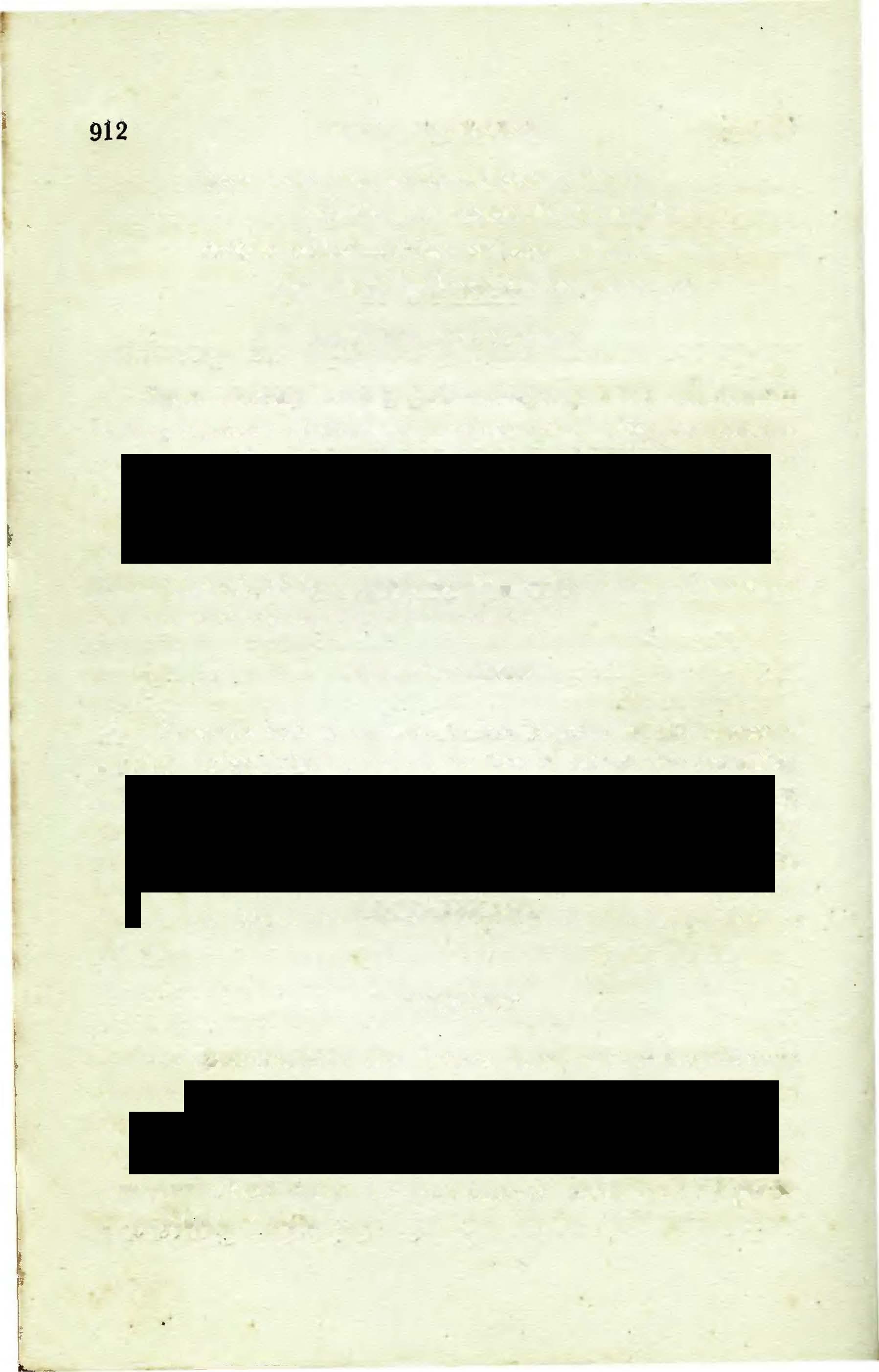
Sehe mahan mahitaya kumater agham me.
ENGLISH SYNONYMS
Sayya-sleepinginone bed, Asana-sittingonone seat,A/anawalking together, Vikatthyanam-self.adoration, Bhojana-dinning together, Adishu-and in all such dealings, Aikyad-on account of onenefs, Vaya.rya-oh my friend,� Ritavan-truithful, Vipralabdhamisbehaved, Sakhyu-unto a friend, Sakh,eva-just like a friend, Pitrivat-just like the father, .Tanayasya-ofthe child, Sarvam-all, Sehe-tolerated, Mahan-great, Mahitaya-by glories, Kumater-of one who is oflow mentali�y, Me-mine.
TRANSLATION
Generally both of us used to live together in the matter of sleeping, sitting; loitering and at the time of advertising oneselffor acts ofchivalry. Sometimes ifthere was any irregularity I used to reproach Him by saying ''my friend you are very truthful." Even in those hours ofminimising His value, the Supreme Soul as He is; He used to tolerate all those utterings of mine excusing me exactly like a true friend does to a true.friend or the father does to his son.
PURPORT
The Supreme Lord Shri Krishna being aU perfect His transcendental pastimes with His pure devotees never lack in any respect either as a friend, son or lover. The Lord relishes reproaches of friends, parents or fiancees more palatably than the Vedic hymns which are offered to Him by great learned scholar and religionists in an official fashion.
912
SRIM.AD BHAGWATAM
15
[Ch.
TEXT No. 20




Sa ahamnripendra rahitah purushottamena
Saklfya priyena suhrida hridayena sunyah.
Adl!Janyurukrama parigraham anga rakshan Gopair asdbhiravaleva vinirjitoshmi.
ENGLISH SYNONYMS
Sa-that,Aham-Myself, Nripendra-oh the emperor, Rahitambereft of, Purushottamena-by the Supreme Lord, Sakhya-by my friend, Priyena-by my dearmost, Suhrida-by the \\ ellwisher, Hridayena-by the heartand soul, Sunyah-vaccant, Adhuna-recently, Urukramaparigraham-the wives of the All-powerful, Anga-body, Rakshan-while protecting, Gopair-by the cowherds, Asdbhir-by the infidels, Avaleva-like the weak woman, Vinirjitoshmi-I have been defeated.
TRANSLATION
Oh the emperor! thus I have been separated by my such friend, wellwisher, the dearmost Supreme Personality of Godhead and therefore my heart appears to be void of everything. In His absence I have been defeated by a number of infidel cowherdsmen whlle I was guarding the bodies of all the wives ofKrishna.
PURPORT
The important point in this verse is how it was possible that Arjuna could be defeated by a gang of ignoble cowherdsmen and how suchmundane cowherdsmen could touch the body of the wives ofLord Krishna who were under the protection of Arjuna. Srila Viswanath Chakravarby Thakur has justified the contradiction by research endeavour itt the Vishnu Puranam and Brahma Puranam.
Text. 20) FIRS'l' CANTO 913
��trT fsrqQT ��q:T �ctitt:T�"':
Wt.��qf�"'"l.:"��'! 'ftq��tf�{if�er ferfi-lf�a)sff;r
�)�;it;:r��: �til'ffi'r�
a
11
In these Puranas it is said that sometimes the fair denizens ofheaven pleased by their service to AstavakraMuni and the latter in return blessed them that they would have the Supreme Lord as their husband. Astavakra Muni was curved in eight joint� ofhis bodily structure and thus he used to move on in a peculiarcurved manner. The daughters ofthe demigods could not check their laughing by seeing the movements of the Muni and thus the Muni being angry upon them cursed them alsothatthey would be kidnapped by rogues even they would get the Lord as their hmband. Later on the girls again satisfied the Muni by their prayers and the Muni blessed _ them that they would regain their }:-,usband even after being robbed by the rogues. So in order to keep the words ofthe great Muni, the Lord Himself kidnapped His wives from the protection of Arjuna other• wise they would have at once vanished from the scene in the very beginning oftheir being touched by the rogues. Besides that some oftheGopis who prayed for becoming the betterhalves of the Lord and after their desire being fulfilled they returned back to their respective position. After departure of Lord Krishna He wanted all His entourage back to Godhead and they were so called back under different conditions only.
TEXT No. 21
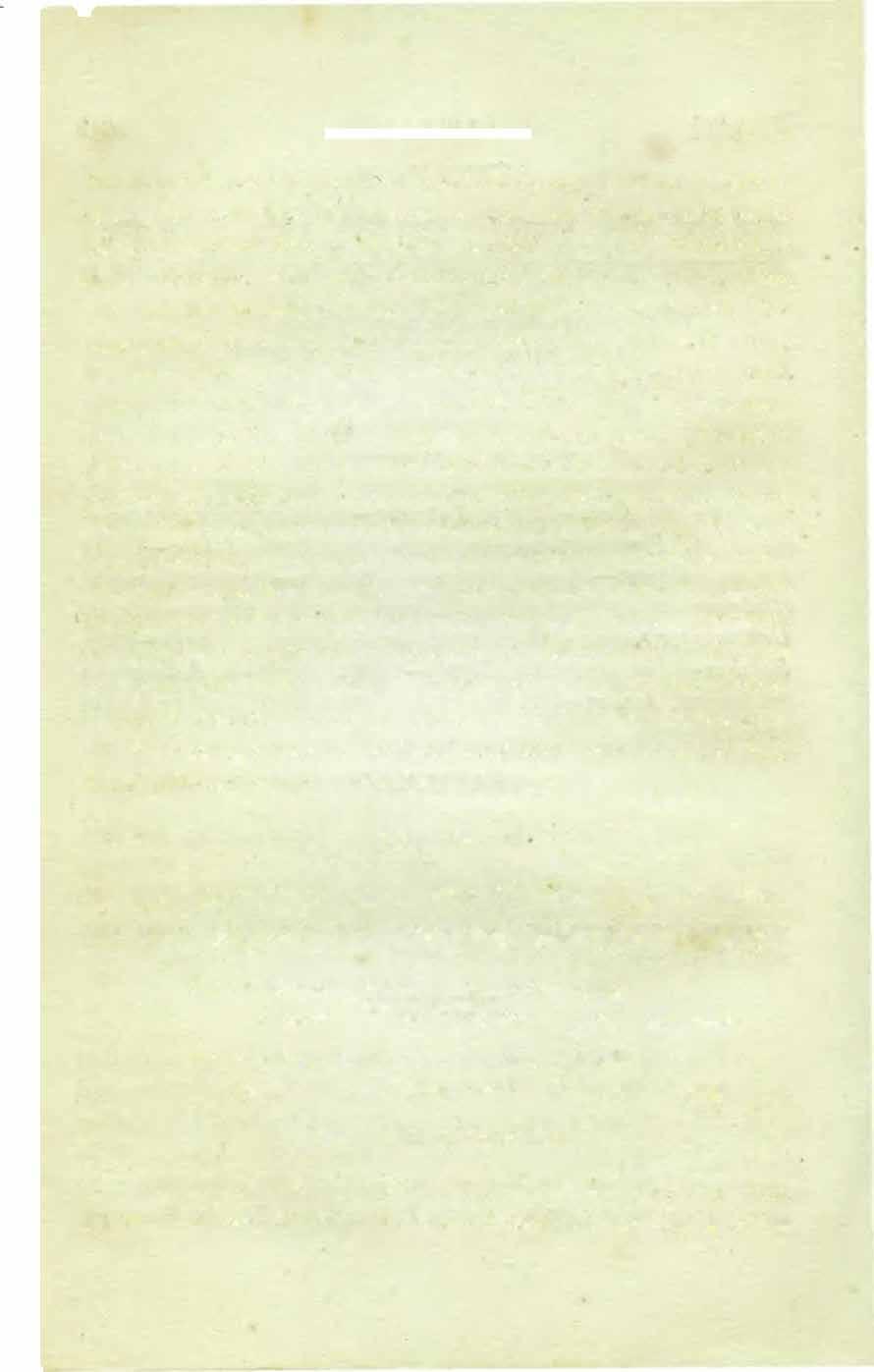
�: a �.n �tm a)� �"'• 1qaq1 �Taaf'l'ff;ct,

Tad vai dhanusta ishavah sa ratho hayaste
So'aham rathi nripatayo yata anamanti
Sarvam kshanena tadahhut asad ishena riktam
Bhasmam hutam kuhakarahdham iva uptam usf!1am.
ENGLISH SYNONYMS
Tad-the same, Vai-certainly, Dhanusta-the same bow, lshavah-arrows, Sa-the very same, Ratho-the chariot, Hayaste-
l
[Ch. 15
914
at·�a
· � �•,.•«cr)�f�� 11�i{ p ��T�:flf1()t�.s�n,n
�•
the very same horses, So'aham-I am the same Arjuna, Nripatayaall the kings, Anamanti-offered their respects, Sarvam-aii, Kshanena-by a moment's �otice, Tad-all those, Abhut-became, Asad-useless, lshena-on account of the Lord, Riktam-being void, Bhasmam-ashes, Hutam-offering butter, Kuhakarabdhammoney created by magical feats, Iva-like that, Uptam -seed, Ushyam-in the barren land.
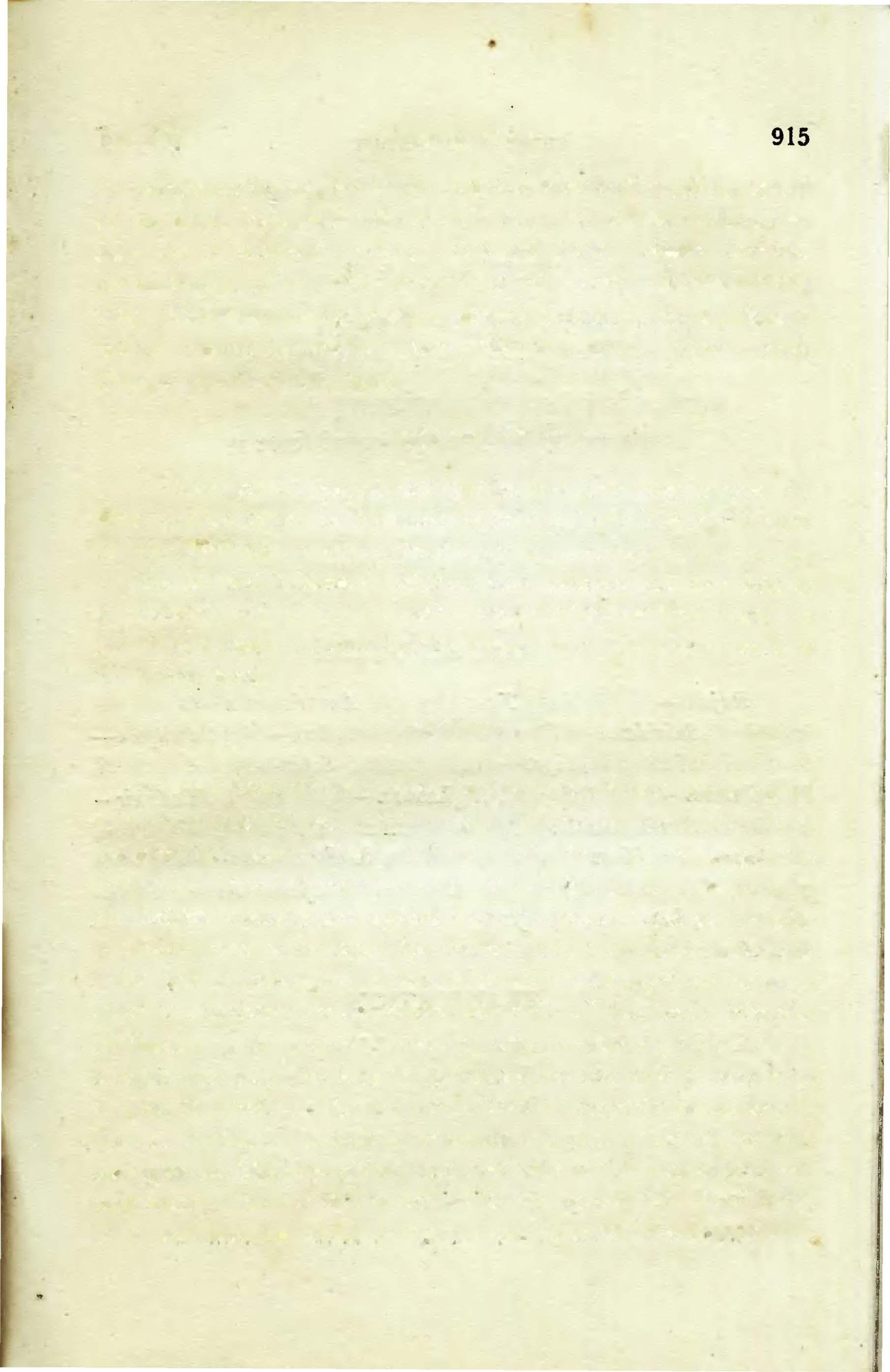
TRANSLATION
I have got the very same Gandiba bow, the same arrows the same chariot drawn by the same horses and I use thfm as the same Arjuna wh"3m all the kings offered their due respects. And in the absence ofLord Krishna all of them have become null and void in a moment's notice. It is exactly like offering clarified butter on the ashes, accumulating money by magic wand and so\\-ing seeds in the barren land.
PURPORT
As we have discussed more than once one should not be puffed upby borrowed pJumes. �Jl energies and powers are derived from the Supreme source Lord Krishna and they act as longasHe desires and stop to function as soon as He "'ithdraws. As much as all electrical energies are received from the power house and as soon as power house stops supplying energy there is no more use ofthe bulbs and machine. In a moment's time such energies can be generated or withdrawn by the Supereme ·wm of the Lord. J\faterial civilization without any connection with the blessing ofthe Lord is a childs play only. So long the parents allow the child to play it is alright. As soon as the parents withdraw the child has to stop it. Human civilization and all activities thereofmust be dovetailed with the supereme blessings ofthe Lord and without this blessings all advancement ofhuman civilization is hke decoration of the deadbody. It is said here that dead civilization and its activities are �om�thin$..
Text 21) FIRSTCANTO 91 5
like pouring clarified butter on the ashes, accumulating money by the magic wand and sowing seed in sarren land:.
TEXT No. 22 & 23
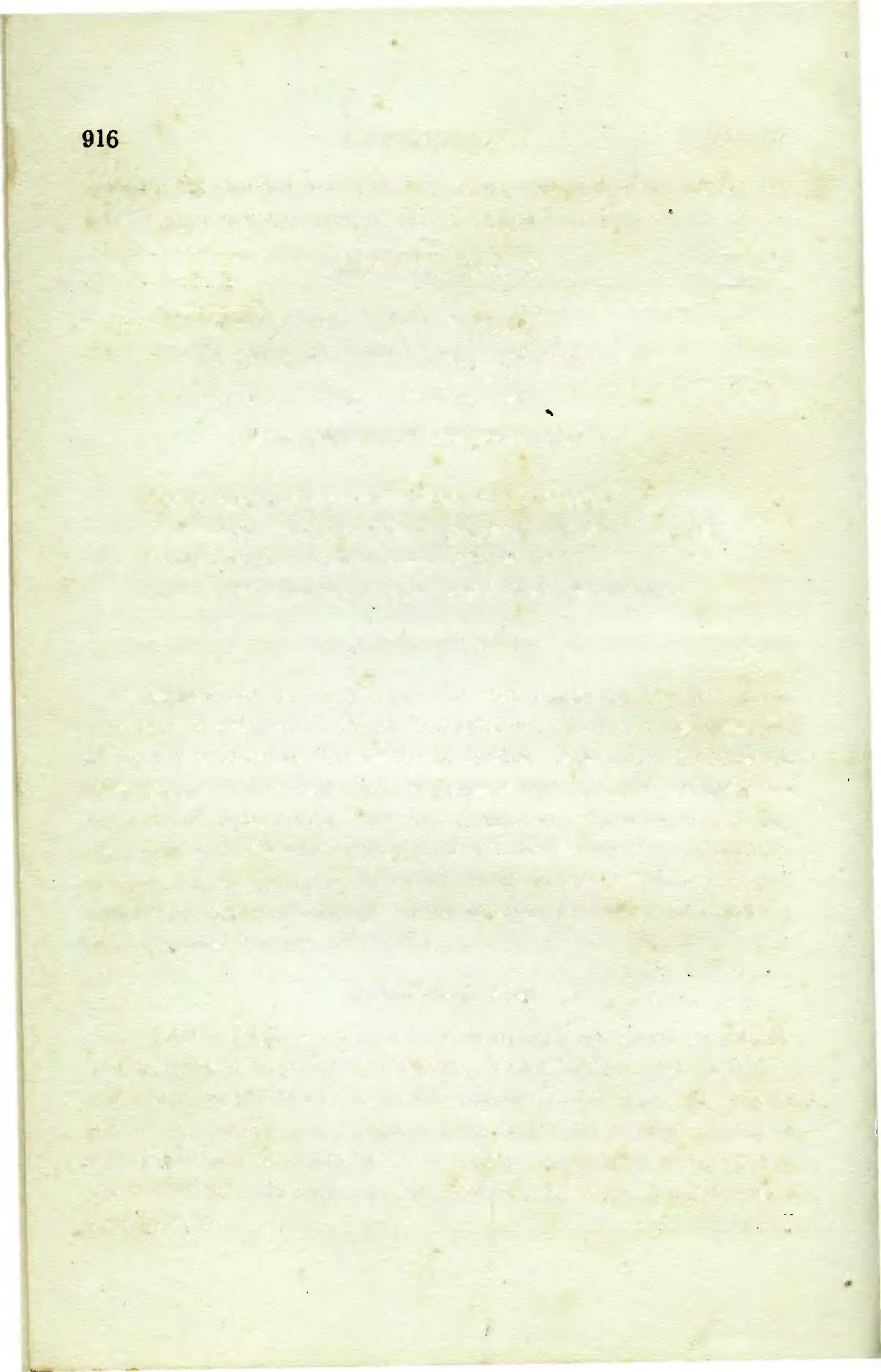
��'ii��Cll�l2'!�'lt §trd ;:r: �wit• f�Sf�tqfC��<n'lT �at �ftS!f��: ''
cn�t qf�·d q)(;l{i q�)-=�fqa�q • ..
SA'\jflflijlfl:rClll;�)fli :q§:�$flriff'«Jt: II
Rajans taya anupri,ftanam suhridam nahsuhritpure
Vipra sapat vimudhanam nighnatammustibhir mithah.
Varuni madiram pitwa madonmathita chelasam
Ajanatam iva anyonam chatuh panchavaseshitah.
ENGLISH SYNONYMS
Rajans-ohthe king, Tqya-by you, Anupristanam-as you enquired of, Suhridam-of friends and relatives, Nah-our, Suhritpurein the city ofDwarka,Vipra-theBrahmins, Sapat-by the curse of, Vimudhanam-ofthe befooled, .Nigknatam-of the killed, Mustibhirby bunch ofsticks, Mitha--between themselves, Varuni--purifi.edrice, Madira-wine, Pitwa-having drunk up, Madonmathita-being intoxicated, Chetasam-ofthat mental situation, Ajanantam-ofthe unrecognised, Iva-like,Anyo1!)1am-oneanother, Chatuh-four, Pancha _ five, Avaseshitah-now remaining.
TRANSLATION
Oh the king ! as you have enquiredfrom me about our friends and relatives "i.n the city of Dwarka, I may inform you that all of them were cursed by the Brahmins and as a result ofthat all ofthem became intoxicated by drinking wine made of purified rice and fought between \)ne another with sticks and blows unrecognised by themselves. Except four or five all of them are now dead and �one.
916 SRIMA.D BHAGWAT.AM: [Ch. 15
Text 24]
FIRST CANTO
TEXT No. 24

snqtijoq:lfeJ(f f���tt fq��a� 1
fq�) f;:rt;;:rf.:ailaTf'fitTqtrf;(l' i:f ttf;�v;: II C'\
Prayenaitad bhagawata iswaras_:va vichestitam
Mitho nighnanti bhutani bhavayantichayammithah.
ENGLISH SYNONYMS
Prayanaitad-it is almost by, Bhagawata-ofthe Personality of Godhead, Iswarasya-of the Lord, Vichestitam-by the will of, Mitho-between one another, Nighanti-do ki11, Bhutani-the living beings, Bhavayanti-as also protects, Cha-also, ram-of whom, Mithah-one another.
TRANSLATION
In fact these are all under the supreme will of the Lord Personality ofGodhead that sometimes people kill one another as also protect one another at another time.
PURPORT
According to the anthropologist there is the lilature's Iaw of struggle for existence and survival of the fittest. But they do not know that behind the law of nature there is the supreme direction of the Supreme Lord Personality of Godhead. In the Bhagwat Geeta it is confirmed that the law of nature is executed under the direction ofthe Lord. Whenever therefore there is peace in the world it must be known that it is due to the good will of the Lord. And whenever there is upheaval in the world it is also due to the Supreme will ofthe Lord. Not a blade ofglass moves without the will ofthe Lord. Whenever therefore there is disobedience to the established rules enacted by the Lord thereis war between man to man nation to nation. The surest way to the path ofpeace is therefore dovetailing everything with the established rule of the Lord.
917
The established rule is that whatever we do, whatever we eat, whatever we sacrifice or whatever we give in charity must be done to the full satisfaction ofthe Lord. No body should do anything, eat anything,sacrifice anything or give in ch�rity anything against the will ofthe Lord. Discretion is the best part of valour and one must learn how to discreminate between actions which may be pleasing to the Lord or which may not be pleasing to the Lord. An action is thus judged by the end in the matter of the Lord's pleasure or displeasure. There is no room for personal whims we must always be guided by the pleasure of the Lord and this action is called Toga karmasya kousalam or actions may be performed keep· ing link with the Supreme Lord. That is the art of doing a thing perfectly.
Jaloukasamjaleyadbat mahanto'danti aniyasah
Druvalan Valino rajan mahanto valino mitho
Evam'lalisthairyadubhimahadbhir itaran bibhuh
radunyadubhirargonyam:bhubharansamjahara.

ENGLISH SYNONYMS
Jaloukasam-oftheacquatics, Jale-in the water,Tadbat-as it is, Mahanto-the largerone, Odanti-swallows, Aniyasah-smallers ones, Durvalan-the weak, Valino-the stronger, RaJan-oh the king, ,A;[ahanto-the strongest1 Valina -lesser strong, Mitho-in due1, Evam-thus, Valisthair-by the strongest, Tadubhir-by the descen· dants ofYadu, Mahadbhir-one who has greater strength, ltaranthe common ones, Bibhuh-the Supreme Personality of Godhead,
918 SRIMADBHAGWATAM (Ch. 15
No. 25, 26 \il'�'lm Gl'� lfS:fl=f&fa)sq·�rtt�: 1 !;ai�t;•f�"' m�" .. "&t"a) •f�ilt flf�: u qci arft;r�li�f� ��f.j:f�a�'".. fCOJ: • ttl".. tt!f'if�;qtiti ����'".. "�&n: � u
TEXT
Tadun-all the Yadus, Taclubhir-by the Yadus,� A'!)'D'!'am-between one another, Bhuhharan-the burden of the world, Samjahara-has unloaded, Ha-in the past.


TRANSLATION
Oh the King! as it is in the ocean the stronger acquatic swallows up theweaker ones, the bigger oneswallows up the smaller ones so also the Supreme Personality ofGodhead has unloaded the burden on the earth by engaging the stronger Yadu for killing weaker and bigger Yadu in killing the smaller.
PURPORT
In tl e materialworld the lawof struggle for existence and survival ofthe fittest work for the reason that in the material world there is disparity between the conditioned souls on account ofevery one's desire to lord it over the material resources. This very mentality of lording it over the material nature is the root cause o( con�itioned life. And to give facility to such imitation sense of lordship the illusary energy of the Lord has created a disparity between conditioned living beings by creating the stronger and theweaker inevery species oflife. The mentalityoflordingitoverthe material nature and the creation of the strong and the weak has naturally created a disparity and therefore the law of struggle for existence. In the spiritual world there is no such disparity neither there is such struggle for existence. In the spiritual world there is no struggle for existence because every one there exists eternally. There is no disparity because overy one wants to render service to the Supreme Lcrd and no body wants to imitate the Lord in the matter ofbecoming the beneficiary. The Lord being creater of everything including the living beings, factually He is thept'Oprietor and enjoyer ofeverything that be but in the material world by the spell of Maya or illusion this sense of eternal relation with the Supreme Personality ofGodhead being forgotten the living being.is
25 Txet, 26] FIRSTCANTO 919
� >·· r
conditioned under tbe law ofstruggle for existence and survival of the fittest.
TEXT No. 27
��Cf1t�rq�c:f�ttf'l ��T�:J)qifrrlftf;:r • t
��f;ij �"��fir�� q)fCJictlf'lf��lf;:r q l'
Desha kala arthayuktani hrit tapo upasamani cha Harc.nti smaratas chittam govinda abhihitani me.
ENGLISH SYNONYMS
Desha-space, Kala-time,Artha-importance; Tuktani-impregnated with, Hrit-the heart, Tapa-burning, Upasamaniextinguishing, Cha-and, Haranti-are attracting, Smaratas-by remembering, Chittam-mind, GOl'inda-the Supreme Lord of pleasure, Abhihitani-narrated by, Me-unto me.
TRANSLATION
Now I am being attracted by the instructions which were imparted to me by the Personality of GJdhead because they are always impregnated with instruction for reliefto the burning heart of all in all circumstances ofspace and time.
PURPORT
Herein Arjuna refers to the instruction of th€ Bhagwat Geeta which was imparted to him by th:� Lord in the battlefield ofKuru· ksbetra. The Lord left behind Him the instructions of the Bhagwat Geeta not only for·the benefit of Arjuna alone, but also it is useful for all at all time and in all climate or space. The Bhagwat Geeta being spoken by the Supreme Pers,:maHty of Godhead, it is the essence ofall vedic wisdom. It is nicely presented by the Lord Himselffor a11 who have very little time for going through the vast vedic-literatures like the Upanishads, Pqranas and Ved:;mta Sutras,
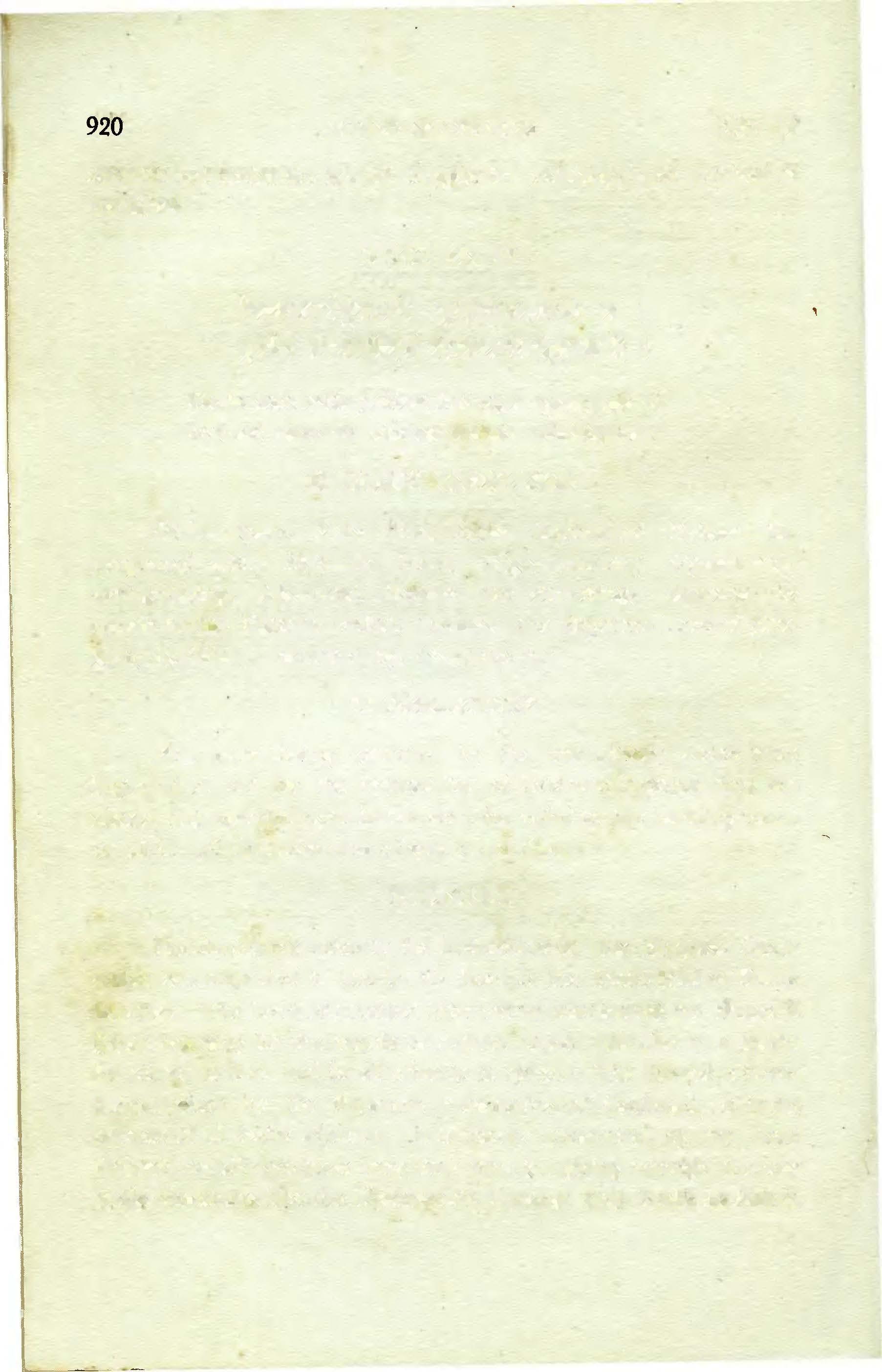
SRIMAD BHAGWATAM (Ch. 15
It is put within the study ofthe great historical epic Mahabharata which was specially prepared for the less intelligent class ofmen namely the women, the labourer class of men and those who afe worthless descendants ofthe higher class· men ofthe society namely the Brahmins, Kshatriyas and higher section ofthe Vaishyas. The problem, which arose some times in the heart of Arjuna in the battle field of Kurukshetra, was solved by the teachings of the Bhagwat Geeta and again after the departure of the Lord from the vision ofthe · earthly people, when Arjuna was face to face with another problem ofbeing vanquished in his acquired power land prominence, he wanted again to remember the great teachings of the Bhagwat Geeta just to teach all concerned that the Bhagwat Geeta could be consulted in all critical time not only to be solaced from all kinds ofmental agonies but also to find out the way out of the great entanglement which might have embarassed one in some critical hour.
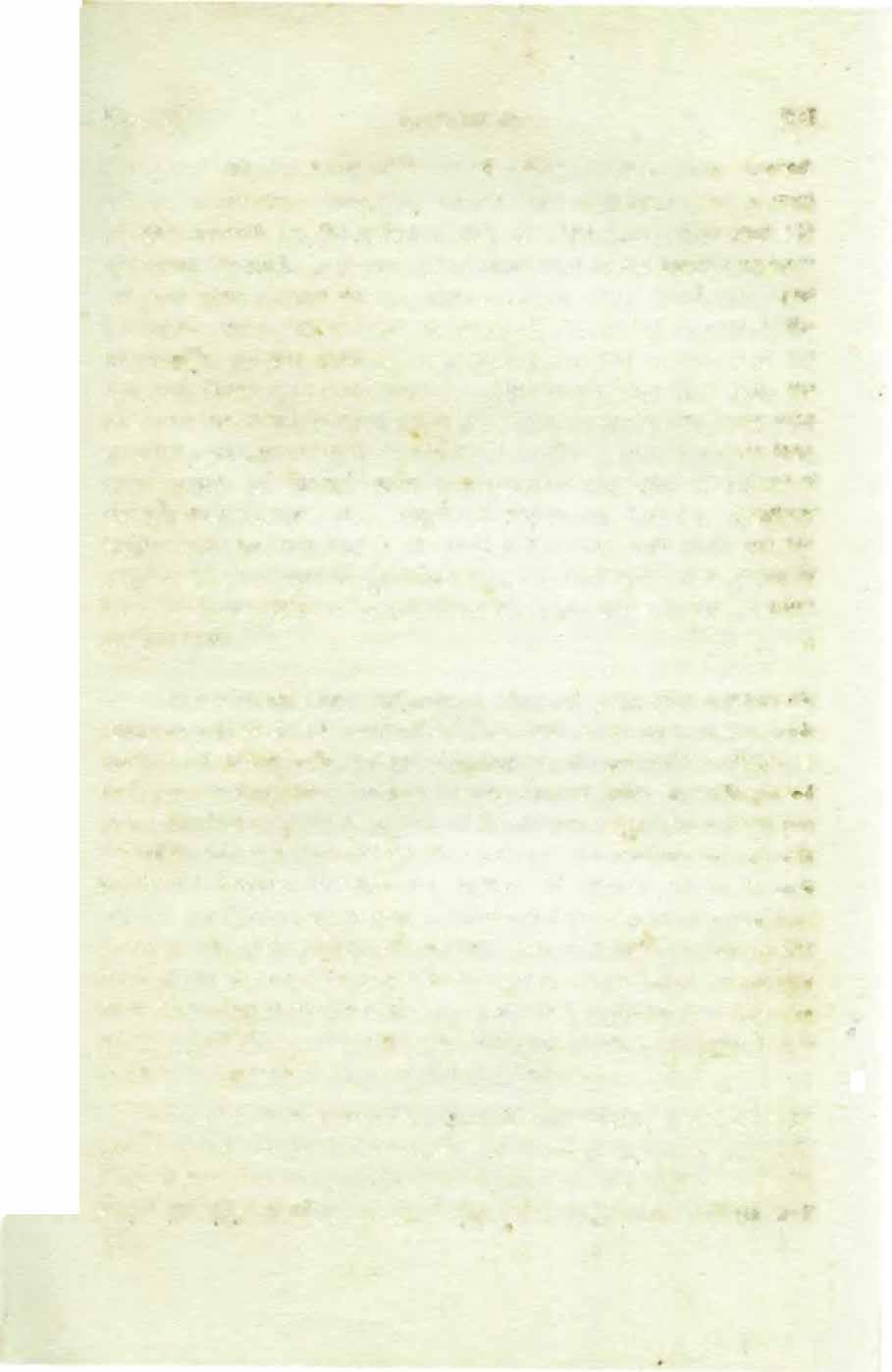
The merciful Lord left behind Him the great teachings ofthe Bhagwat Geeta for the onlyreason that one could take the instructions ofthe Lord even during the time of His not being visible to the material eyesight. Material senses cannot have any estimation ofthe Supreme Lord but by his inconceivable power, the Lord can incarnate Himselfto the sense-perception.of the conditioned souls in a suitable mann�r through the agency of matter which is also another form ofLord's energy ofmanifestation. As such the Bhagwat Geeta or any such authentic scriptural sound representation of the Lord is also incarnation ofthe Lord. There isnodifference between such sound representation of the Lord and Himself and one can derive the same benefit from the Bhagwat Geeta as Arjuna had it done in the personal presence ofthe Lord.
Faithful human being who!is desirous ofbeing liberated from the clutches of the illusory energy ofmaterial existance, can take very easily the transendental advantage of the Bhagwat Geeta �nd with �is Pl�ssio11 in vi�w the Lord iJ1Stl'\1Cted Arjuna as if

--...Text 27] FIRST CANTO 921
•
Arjuna was in need ofit. In the Bhagwat Geeta five important factors of knowledge have been delineated pertaining to the (1) Supreme Lord, (2) the living being, (3) the Nature, ( 4) the time and space and (5) the process of activity. Out of these, the Supreme Lord and the Jiving being, being qualitatively one, the difference between the two havf': been analysed as the whole and the part and parcel. The nature is inert matter displaying the interaction of three different modes and the eternal ' time and unlimited space are considered to be beyondthe existence ofthe material nature. Activities of the living being are different varieties ofaptitudes which can entrap or liberate the living being within or without the material nature. All these subject matters are concisely disscu•sed in the Bhagwat Geeta and later the subject matters are elaborated in the Srimad Bhagwatam for further enlightenment. Out ofthe five subjects, the Supreme Lord, the living entity, the Nature and time and space all are enternal but theliving entity, nature and time all ofthem are under the direction ofthe Supreme Lord who is Absolute and completely independent of any other control. The Supreme Lord is the supreme controller. Activity ofthe living being is beginningless but it can be rectified by transferred epithet into spiritual quality and thus cease its material qualitative reactions. Both the Lord and the living entity are cognisant and both have the sense ofidentification of being conscious as: living force. But the living being under the condition of the material nature called the Mahat Tattwamisidentifieshimselfasdifferentfromthe Lord and the whole scheme ofvedic wisdom is targetted to this aim of eradicating such misconception ofthe living being andthus to liberate him from the illusion ofmaterial identification. When such illusion is eradicated by knowledge <md renunciation the living being revives his real identification as interested individual being in the transcendental position of the Lord. As conscious beings both the Lord and the living being are responsible actors and enjoyer also. The sense ofenjoyment 'n the Lord is ff,!al qut su(ih sensct _in the livin� bein�
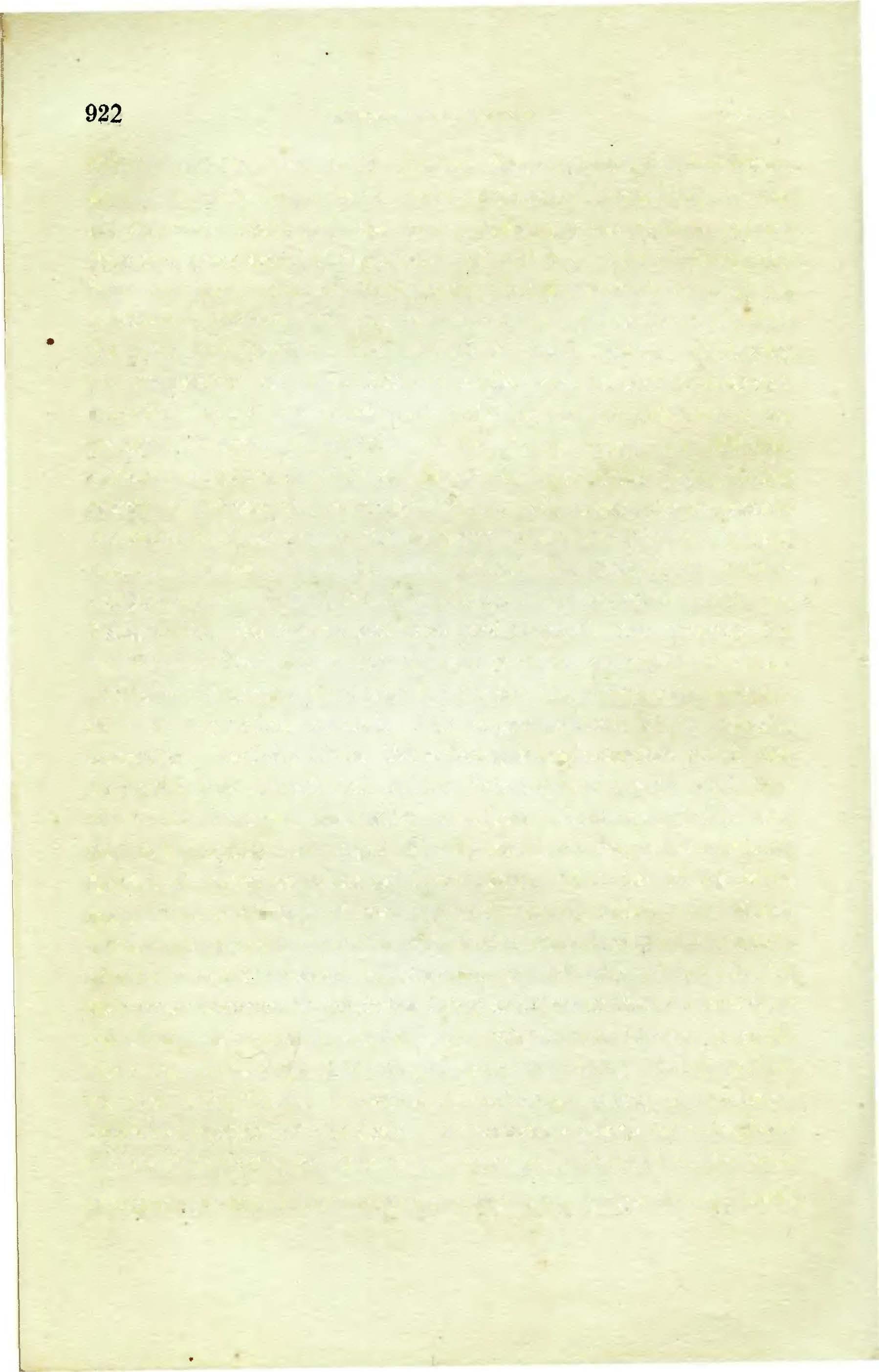
• 922 SRIMADBHAGWATAM [Ch. 15
is a sort ofwishful desire only. This difference in consciousness is the criterian oftwo identities namely the Lord and the living being. Otherwise there is no difference between the Lord and the living being. The living being is therefore, eternally one and different simultaneously. The whole instructions of the Bhagwat Geeta stand on the basis ofthis principle.



In the Bhagwat Geeta the Lord and the living being both have been described as Sanatan or eternal and the Lord's abode far beyond the range ofmaterial sky is also described as Sanatan. The living being is invited to live in the Sanatan existence ofthe Lord and the process which can help a living being to approach the Lord's abode as abovementioned, is called the SanatanDharma or the place where the liberated activity ofthe soul is exhibited. One cannot, however, reach theeternal abode ofthe lord without being free from themisconception ofmaterialidentificationandthe Bhagwat Geeta gives us the clue how to achieve this stage ofperfectiou. The process ofbeing liberated from the misconception of material identification is called, in different stages, as fruitive activity, emperic philosophy and devotionalservices up inthematteroftranscendental realisation. Such transcendental realisation is made possible by dovetailing all the above items in relation with the Lord. Prescribed duties of the human being as they are directed in theVedas, can gradually purify the sinful mind ofthe conditioned soul and raise him to the stage of knowledge. Such purified stage ofacquiring knowledge becomes the basis ofdevotional service of the Lord. So long one is engaged in the matter ofresearching the solution ofthe problems life, it is called Jnana or purified knowledge but on the stage of rea1ising the actual solution oflife, one is called as situated in the devotional service ofthe Lord. The Bhagwat Geeta begins with theproblemsoflife by discreminating the sou] from the elements ofmatter and proves it by all reasons and arguments that the soul is indestructible at all circumstances and the outercover ofmatter the body and the mind change covering for another term of mate-
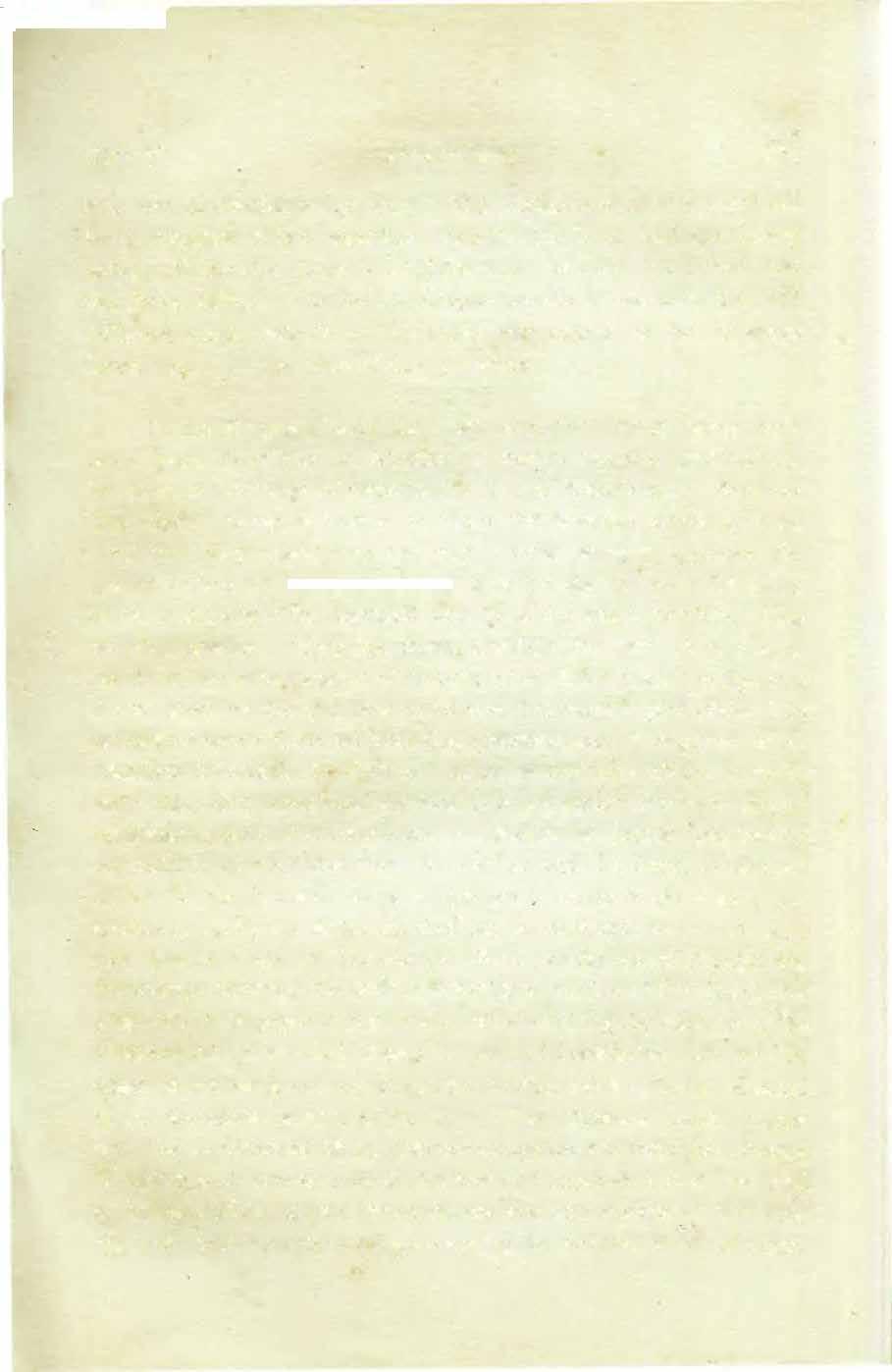
923
Text 27] FIRST CANTO
•
rial existence which is full of miseries. The Bhagwat Geeta is therefore meant for terminating all difft"rent types of miseries and Arjuna took shelter of the great knowledge which was imparted to him before, during the time ofKurukshetrabattle.
TEXT NO. 28

�cr�crrq:
� f;](..aqa) ftrtsvr): �1SVJqtq"'(R&� '
�:j\'�Tit=rTf6'ftit=r �T;a"TSSfft'{ f�'IT qfa: It
Suta 14_vacha :
Evam chintayatojishnoh krishnaJada saroruham
Souhardena atigadhena santa asitvimala matih.
ENGLISH SYNONYMS
Suta uvacha-Suta Goswami said, Evam-thus, Chintayatowhile thinking of the instructions, Jishnoh-of the Supreme Perso� nality of Godhead, Krishnapada-feet of Krishna, Saroruhamresembliog the lotus, Souhardena-by deep friendship, Atigadhenain great intimacy, Santa-pacified, Asit-it so became, Vimalawithout any tinge of material contamination,Matih-mind.
TRANSLATION
Suta Goswami said, "Tb.us being deeply absorbed in thinking ofthe instructions of the Lord in great intimacy of friendship and ofHjs Lotus feet Arjuna's mind became pacified and free from all cor1tamination of material tinges."
PURPORT
The Lord being Absolute, thinking about Him in deep meditation is as good as trance ofthe Yogins. The Lord is non-different from His Name, Form, Qlality, Pastimes, Entourage, and specific actions. Arjuna began to think of the Lord's instructions to Him
1 •
[Ch. 15
BRIMAD BH.A.GWATAM
•
•
in the battlefield ofKurukshetra and those instructions only began to eliminate the tinges of material contaminations in the mind of Arjuna. The Lord is Uke the sun and the sun's appearance means dissipation of darkness at once. Material contamination is like darkness orignorance and the Lord's appearence within the mind of the devotee in any category as above mentioned can at once drive away the miserable material effects. Lord Chaitanya has, therefore, recommended constant chanting of the Name of the Lord and thus be protected from all contamination of the material world. The feelings of separation from the Lord is undoubtedly a sorry plightofthe devotee but because it is in connection with the Lordit hasgota specifictranscendentaleffect whichpacifies theheart. Such feelings ofseparation is also a source of trancendental bliss and it is never equal to contaminatedmaterialfeelings ofseparation.
TEXT No. 29
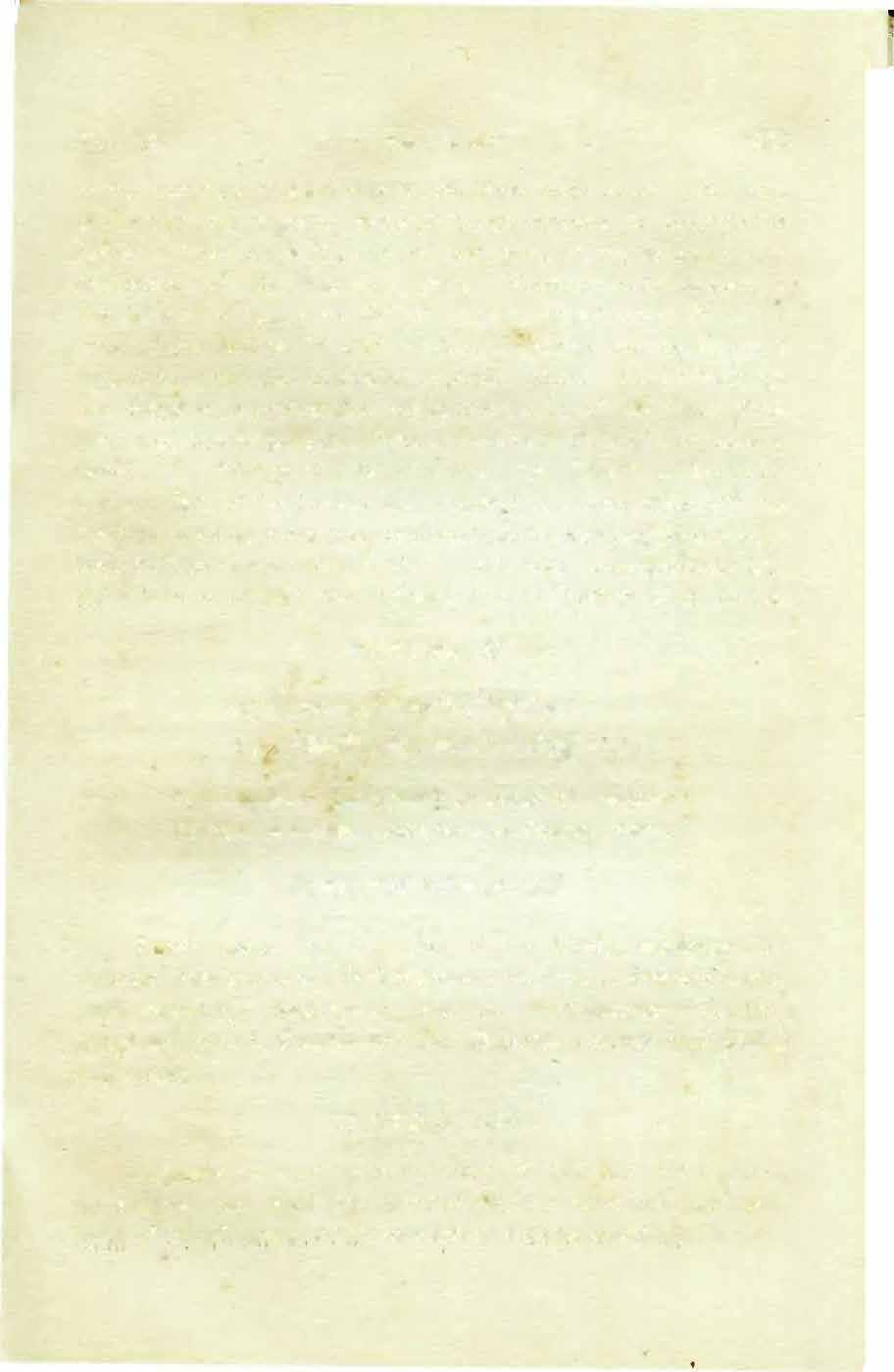
-n�tcUI!�qr;:rqf'{l!·���m •


Vasudevanghra anudhyana · parihringhita- ranghasa Bhaktyanirmathita asesha kashaya dhisana ArJuna.
ENGLISH SYNONYMS
Vasudevanghra-the lotus feet of the Lord, Anudfv'ana-by co�stant remembrance, Paribringhrita-expanded, Ranghasa-with great velocity, Bhaktya-in devotion, Nirmathita-subsided, Aresha-unlimited, Jrashl!)la-trashes, Dhisana-ccnception,Ar}uiUl-ofthe name.
TRANSLATION
Arjuna's constant remembrances of the lotus feet of Lord Sri Krishna expanded his devotion with great velocity and as a result of th!s all tr�s4e� ofhis conception became sqbsided,
FIRSTCANTO 925
Text 29]
��1 f.flif't8m"�qf�f(V()Si.;:r: ••
! I '
Material desires ofthe mind are trashes of material contamination. By such contaminations the li\'ing being is faced with so many compatible and incompatible things that upsuge the very existence of spiritual identity. Birth after birth the conditioned soul is entrappedwithso manypleasing and non-p]easing elements which are all false and temporary. They accumulate on account of our reaction ofmaterial desires but when we get into touch with the transcendental Lord in His variegate.d energiesbydevotional service the naked forms of all material desires become manifest and the intelligence ofthelivingbeing ispacified in its true co]our. As soon as Arjuna turned his attention towards the instructions of the Lord as they are inculcated in the Bhagwat Geeta, his true colour of eternal association of the Lord became manifest and thus felt freed from all material contaminations.
Geetam bhagawatajnanamyat tat samgramamurdhani Kalakarma tomaruddham punaradhyagamat prabhuh.
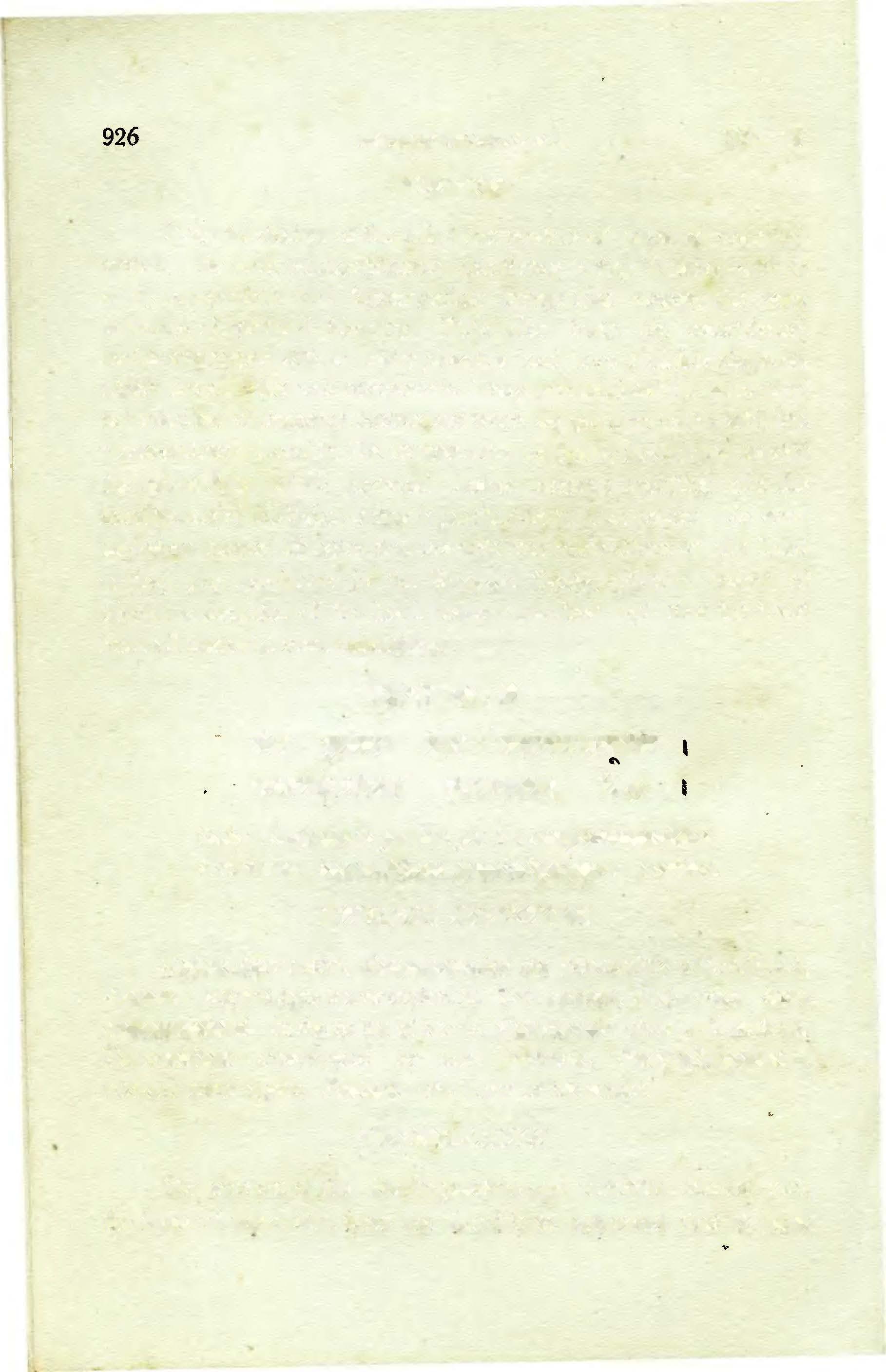
ENGLISH SYNONYMS
Geetam--instructed, Bhagawata--by the Personality ofGodhead, Jnanam-knowledge, transcendental, 1'at-which, Tat-t'-,at, Samgramamurdhani-inthemidst ofbattle,Kalakarma-time and actions, Tomaruddham-enwrapped by such darkness, Punaradhyagamatrevived them again, Prabhuh-the Lord ofhis senses.
TRANSLATION
On account ofthe Lord's pastime and activities thereof and the sense ofseparation from the Lord it so appeared that Arjuna
926 SRIMA.D BH.A.GWATAM [Ch. 15
PURPORT
q{<{ 1{'t'ftfT 'fim'!ti��)�;r· iftA 'lm�uTlfq�f.:t' C\ f'�"ll'lifC{ fer�:
'J'EXT No. 3Q
forgot the instructions left by the Personality of Godhead' but factually it did not so happen and again he became the Lord of the senses.
PURPORT
A conditioned soul is enwrapped in his fruitive activities by the forceofeternal time. But the Supreme Lord when He incarnates on the earth, His activities are not enforced by Kala or the material conception of past present and future significances. Such activities of the Lord are eternal and they are manifestation ofHis Atmamaya or internal potency. Allsuch pastimes or activities of the Lord arespiritual in nature but to the laymen they appear to be on the same level ofmaterial activities. It so appearedthatthe Arjuna and the Lord were engaged in the battle-field of Kurukshetra as the other party was also engaged : butfactually the Lord was executing His mission of incarnation in association with His eternal friend Arjuna. Therefore such apparent material activities of Arjuna did not drive him away ·from his transcendental position but on the contrary revived his consciousness aboutthe songs of theLord as He sung it personally. This revival of consciousness is assured by the Lord in the Bhagwat Geeta as follows :
Manmana bhava madbhakto madya;imam namaskuru
Mameva aisyasi satyam te prati.Jane priosi me.
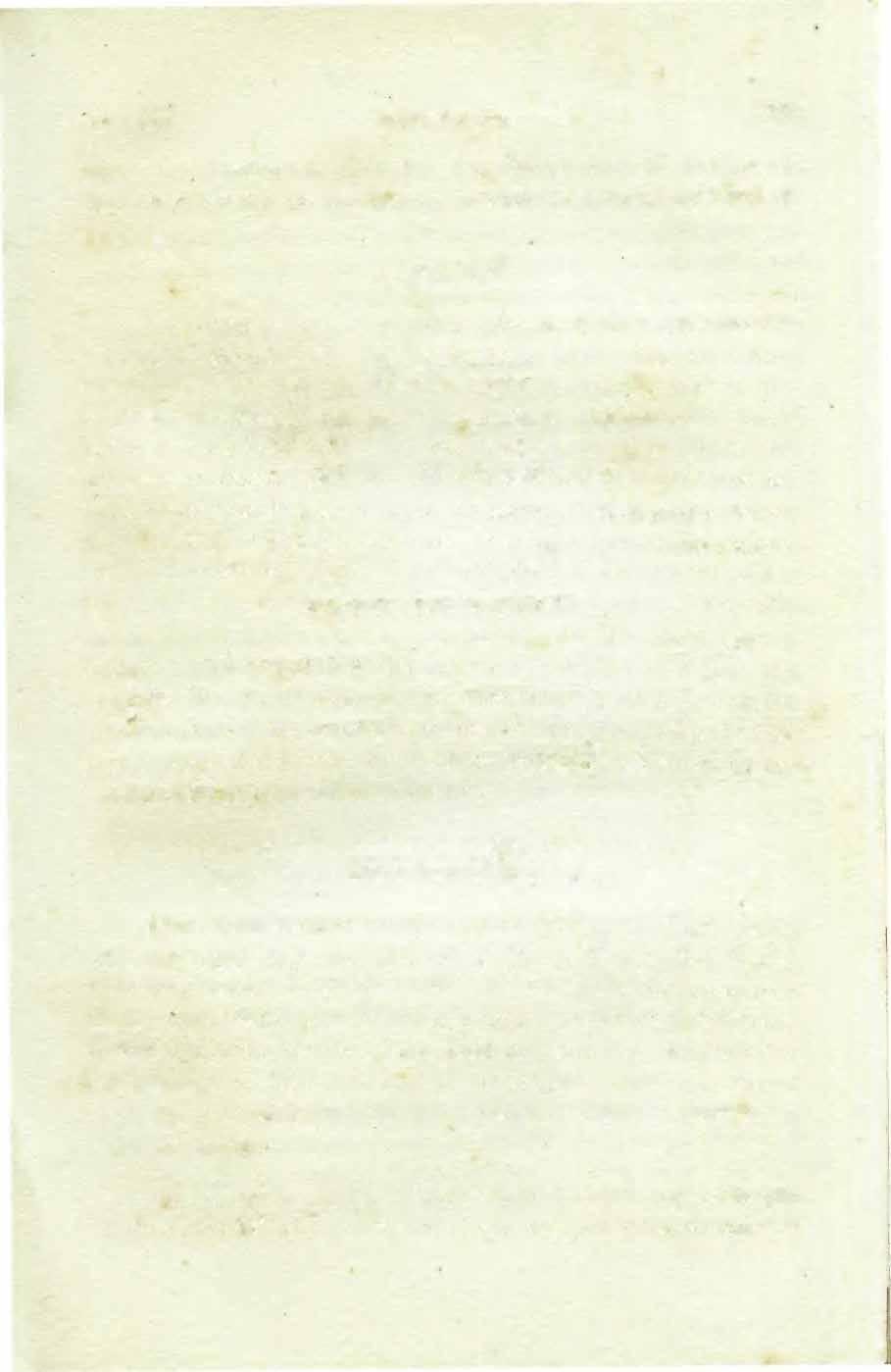
One should become in the mood ofthinking the Lord always and the mind may not be void of His thinking. One should, therefore, become a devotee ofthe Lord and offer obeisances unto Him. One, who lives in that fashion, becomes undoubtedly endowed with the b]essing ofthe Lord by achieving the shelter of His lotus feet. There is nothing to be doubtful about this eternal truth and because Atjuna was His confidential friend the secret was disclosed to him.
Arjuna had no desire to fight with his relatives but he fought on themission�ofthe Lord. He wasalw�:ys engagedin theexecution of
fext�OJ FIRSTCANTO 927
His mission only and therefore after His departure he remained in the sa�e transcendental p:::�sition even though it appeared that he forgot all the instructions ofthe Bhagwat Geeta. One should, therefore, adjnst the activities oflife in pace with the mission ofthe Lord and by doing this one is sure to return back to home return back to GJdhead the highest perfection oflife.
TEXT No. 31.

far�)Cfi) ����' ur�--a'��q: .
�;ifi{Sf�fat\lq�Vl:U�f�'KiifT��;fef: II

Visoka hrahmasampatya samchhinna dwitasamsayah
Leena prakritinairgunyat alingatwat asamhhavah.
ENGLISH SYNONYMS
Visoka -free fromberievement, Brahmasampatya-by possession ofspiritual assets, Samchhinna-being completely cut off, Dwitasamsayah-from thedoubts of elativity, Leena-merged in,Prakrifimaterial nature, Nairgunyat-due to being in transcendence, Alingatwat-on accountofbeingvoidofmaterial body, Asambhavahfree from birth and death.
TRANSLATION
On account ofpossessing spiritual assets the doubts ofduality was completely cut off. Thus being freed from the three modes of material nature and placed in transcendence there was no more any chance ofbirth and death being fi·eed from material form.
PURPORT
Doubts of duality begins from the misconception of the material body which is accepted as self by less intelligent persons. The most foolish part of our ignorance is when we identify this material body as self and every thing in relation with the body is
928 SltiMAD llB:AGWATAM [Ch. 15
. ..
ignorantly accepted as our own. This doubts of misconception as myselfand mine, in otherwordsmy body, my relatives, myproperity, my wife, my children, my wealth, my country, my community, and hundreds and thousands of such illusory contemplations, are different bewilderment for the conditioned soul. By assimilating the instructions ofthe Bhagwat Geeta one is sure to become released from such bewilderment because real knowledge is to know that the Supreme Personality ofGodhead Vasudeva Lord Krishna is everything including myself. Everything is a manifestation of His potencyaspartand parcel andthe potency and the potent being nondifferent the conception ofduality is at once mitigated by attainment ofperfect knowledge. As soon as Arjuna took himself to the instructions ofthe Bhagwat Geeta, expert as he was, he could at once eradicate the material conception of Lord Krishna his eternal friend. He could realise that the Lord was stilJ present before him by His instruction, by His Form, by Pastimes, by His Qualities and
everything in relation with . Him. He could realise that Lord Krishna his friend was still present before him by Histranscendental presence in different non-dual energies and there was no question of attainment ofthe association ofthe Lord by another change of body under the influence of time and space. By attainment vf Absolute knowledgeonecanbe in association ofthe Lord constantly eveninthe verypresentlife simplybyhearing,chanting,thinking and worshipping the SupremeLord.One can seeHim,onecanfeel Hispresence even in the present life simply by understanding ''the adwaya jnan'' Lord or the Absolute Lord through the processes ofdevotinal service which begins with hearing about him. Lord Chaitanya says that simply by chating the holy Name ofthe Lordonecan at once wash off the dust on the mirror ofpure consciousness and as soon as the dust is removed one is at once freed from all material conditions. To become free from material conditions means liberation of :Le soul. As soon as one is, therefore, situated in the Absolute knowledge his material conception of life becomes removed or becomesemerged out from such false conception oflife and the function ofthe pure
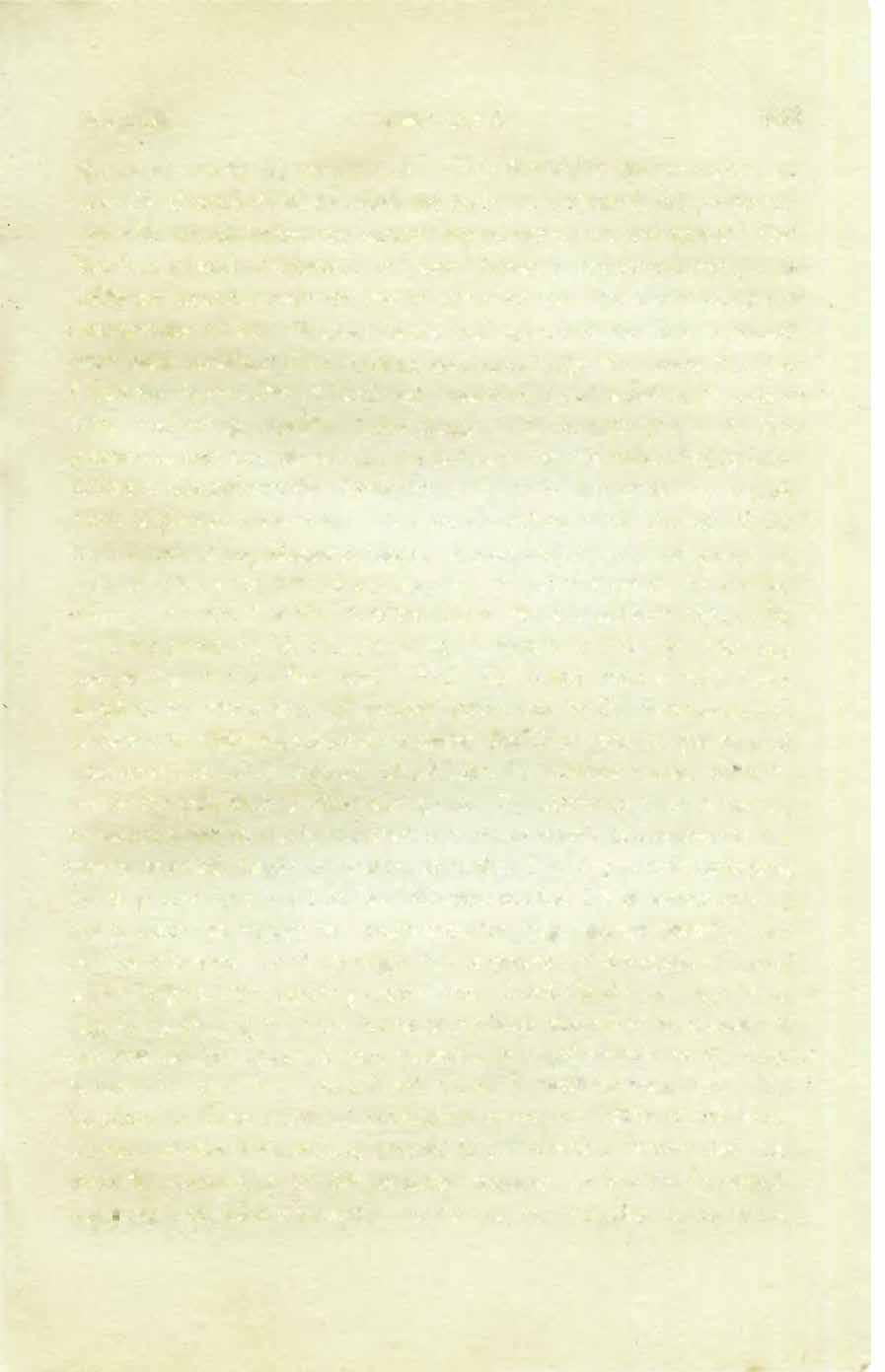
Text. 31] FmsT CANTO 929
�
soul is revived in spiritual realisaion. This practical realisation of the living being is made possible on account of his becoming free from the re:Jction ofthe three modes of material qualities namely goodness, passion and ignorance. By the Grace of the Lord a pure devotee is atonce raised to the · plane ofthe Absolute and there isno more chance of the devotee to become materially entangled called by the name conditioned life. No body is able to feel the presence ofthe Lord at all circumstances untill one is not endowed with the required transcendental vision made possible by devotional service prescribed in the revealed scriptures. Arjuna attained this stage long before in the battlefiled of Kurukshetra and as he apparently felt the absence of the Lord he at once took shelter of the instructions of the Bhagwat Geeta and thus again he was placed in his original position. This is the position of Visoka or the stage of being freed from all berievement and anxieties.
TEXTNO.' 32

f;r� ';f1TCfilfTtl �f�T ���� � t
fct: qqJlf qfa-;:r�
f;:r�etT�'fT �f�flso'{: II
.Nisamya bhagawat margam samstham yadukula-!Ja cha Swah pathaya matim chakre nibhritatmayudhisthirah.
ENGLISH SYNONYMS
.Nisamya-deliberating, Bhagawat-in the matter of the Lord, Margam-the ways of hisappearance anddisappearance, Samsthamend, Yadukulasya-ofthe dynasty of King Yadu, Cha-also, Swahthe abode of the Lord, Pathaya-on the way of, Chakre-gave attention, Nibhritatma-lonely and alone, Yudhisthirah-the king of the name.
TRANSLATION
Just hearing about Lord Krishna' s returuing back to His abode and on understanding of the end of Yadudynasty's
I 930 SlUMAD BH.AGW.ATAM [Ch. 15
earthly manifestation, Maharaj Yudhisthir decided alone for going back to Home back to Godhead.
PURPORT
Maharaj Yudhisthir also turned His attention on the instructions of the Bhagwat Geeta after hearing about Lord's departure from the vision of the earthly people. He began to � deliberate on the matter of the Lord's way ofappearance and departure. The mission ofthe Lord's appearance and disappearance in the mortal universe is completely dependent on His Supreme will. He does not appear or disappear forced by any other superior energy as the living beings do appear and disappear being forced by the laws of nature. Whenever the Lord likes? He can appear Himself from anywhere and everywhere with-out disturbing His appearance and disappearance is any other place. He is like the sun. The sun appears and disappFars by its own accord at any place without disturbing its presence in other place. The sun appears in the morning of India without disappearing itself in the western hemisphere. The sun is present everywhere and anywhere all over the universe but it so appears in a particular place that the sun appeared in the morning at some fixed time and also disappeared at some fixed time. The time limitation even of the sun has no concern with , it and thei_J. what so speak about the Supreme Lord Who is the creator ane controller of the sun. Therefore, in the Bhagwat Geeta it is stated as follows about the appearance and disappearance of the Lord by the Lord Himself. He says there that any one who understands factually a,bout the transcendental appearance and disappearance of the Lord by !Jis inconcievable energy, becomes liberated from the laws of birth and death and is placed in the eternal spiritual sky wherein the Vaikuntha planets are there and such Iiberaed persons can eternally live there without the pangs of birth, qeath, old;�.ge and diseases, In the spiritual sky the Lord �nd those ... � � ...,
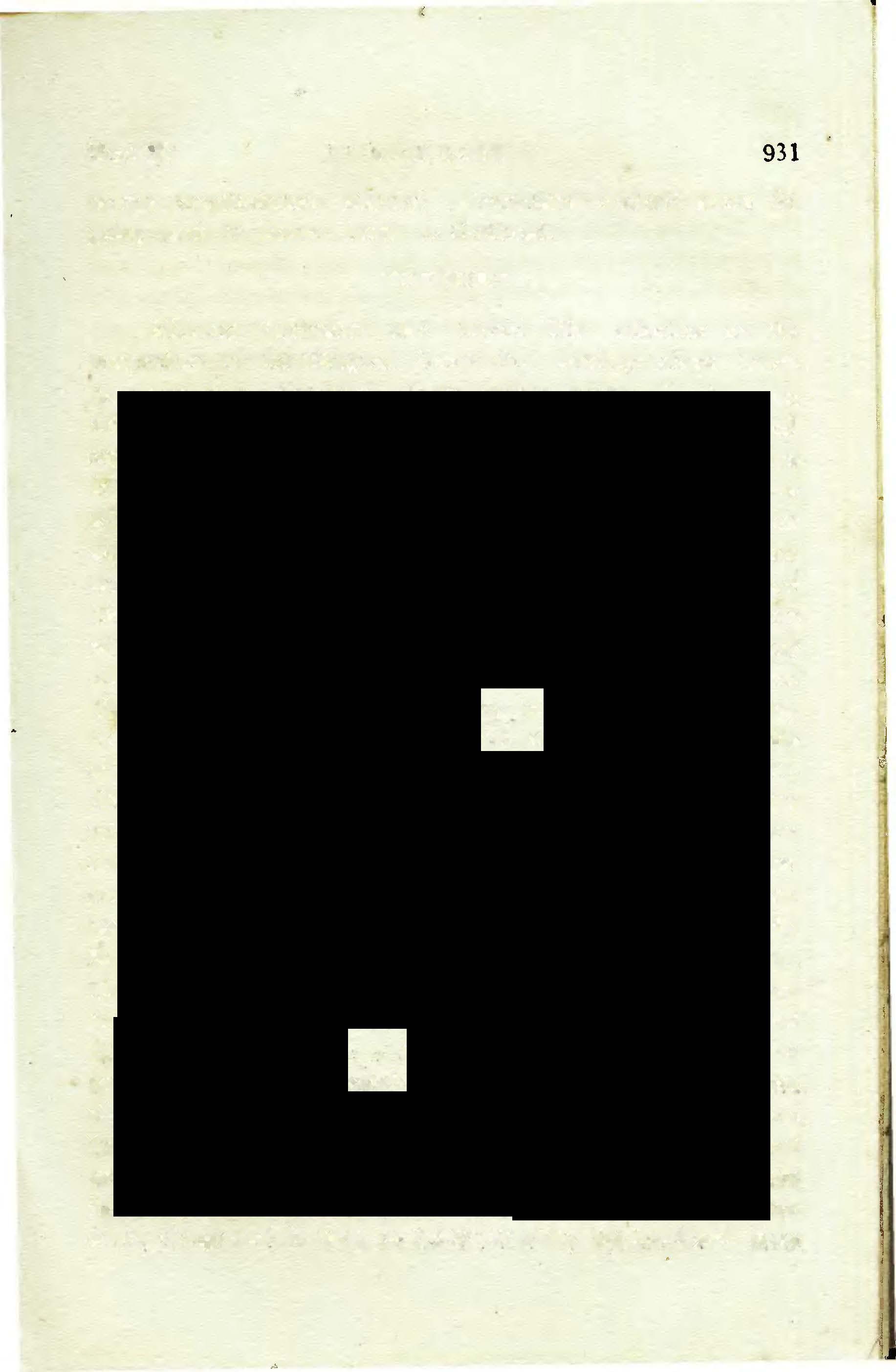
Text 32] FIRST CANTO 931
932 SRIMAD BHAGWATAM (Ch. IS
who are eternally engaged in the transcendental loving service of the Lord, all are eternally young became there is no oldage and diseases and therefore there is no death also. Because there is no death there is no birth also. It is concluded there-fore that simply by understanding about the Lord's appeannce and disappearance in truth one can attain such perfectional stage of eternal life and therefore,'Maharaj Yudhisthir also began to consider about his going back to Godhead. The Lord appears on the earth or any other morlal planet along with His associates who live withHim eternally and the members of the Yadu family whowere engaged in supplimenting the pastimes ofthe Lord are no other than His eternal associates and so also Maharaj Yudhisthir and his brothers an:i motheretc.As appearance aud�disappearance of the LordandHis eternal associates are all transcendental, so one may not be bewildered by the external features of such appearance anddisappearance.
TEXT No. 33

'!�ltlf2SS!(ll' �;l�tr)Rtr ;:rt� trpf 1r'l''f,'fRr 'if8T'J: I




Pritha api anusrutya dhanahjaya uditam
Nashamyadunam bhagabatgatim ckatam.
Ekanta bhaktya bhagavati abkoksoje
Niveshitatma upararame samsriteh.
ENGLISH SYNONYMS
Pritha-Kunti, Api-also, Anusrurya--overhearing, Dhananjaya- Arjuna, Uditah-uttered by, Nasham-end, radunam-of the Yadudynasty, Bhagwat-ofthe personality ofGodhead, Gatimdisappearance, Cha -also, Tam-all those, Ekanta--unalloyed, Bhakrya-d�votion, Bhagwati-unto the Supreme, Lord Sri Krishna Adhokshaje-transcendence, Niveshitatma-with full attention, Uparar�Jma-became released from, Samsriteh-material existence.
\
�"fit;a�trt ll''f�qoq)� f.:f.rm:m")�u�� �!: u
/ ; ' -· ,. ' ; .v<> 0 ' • •, 4 • C
Text 34]

Kunti also after overhearing from Arjuna all about the end ofthe Yadu dynasty and disappearance ofLord Krishna, engaged herself with full attention in the devotional service ofthe transcendence Personality of Godhead and thus beeame released from the course ofmaterial existence.
PURPORT
Setting gfthe Sun does not mean end of the sun. It means that the sun is out ofour sight. Similarly the end of the mission of the Lord in aparticular planet or universe does notmean the end of it but it is outofour sight. The end ofthe Yadudynasty also.does not mean its annihilation but its disappearace along with the Lord's being away from our sight. As Maharaj Yudhisthir decided to prepare for going back to Godhead so also Kunti decided and thus she fully engaged herselfin the transcendental devotional service of the L0rd which guarantees passport for going back to Godhead after quitting this present material body. The beginning of devotional service of the Lord is the beginning of spiritualising the present body and thus an unalloyed devotee of the Lord loses all material significance ofthe present body. The abode of the Lord is not a myth as it is said by the unbelievers or ignorant people but onecannot reach there by any material means like sputnik or others. But one can certainlyreach there after leaving this present body and one must prepare himselffor going back to Godhead by practising the devotional service. That guarantees a passport ofgoing back to Godhead and Kunti adopted it. TEXT
FIRST CANTO ggg TRANSLATION
No. 34 tlll'l��C! �q) liT� af "2. f���TQ: I 'fiO� ";trq tlf !ifTqtfrsr�: 9� II raya harad bhuvo bharam tam tanum vijahavajah Kantakam kantakena eva dwayam cha api isituh samam.
ENGLISH SYNONYMS
r�-that by which, Harad-took away,!Bhuvo-ofthe world, Bharam-burden, Tam-that, Tanum-body, Vijahou-relinquished, Ajah-the unborn, Kantakam-thorn, Kantakena-by the thorn, Eva-like that, Dwayam-both, Cha-also, Api-although, /situhcontroling, Samam-equal.


TRANSLATION
The Supreme unborn Lord Sri Krishna caused the members �fthe Yadu dynasty relinquishing the body by which He took away the burden ofthe world. The action was like picking out the thorn by a thorn although both ofthem are equal to the controller.
PURPORT I
Srila Viswanath Chakrabarty Thakur suggests that the Rishis like Sounaka and others whowere hearing Srimad Bhagwatam from Suta Goswami at Naimisaranya, were not happy to hear about the Yadus dying in madness ofintoxication. To give them relieffrom this mental agony, Suta Goswami assured them that the Lord caused the members ofthe Yadu dynasty to relinquish the body by which they had to take away the burden of the world. The Lord and His eternal associates appeared on earth to help the administrative demigods in eradicating the burden of the world all disturbing elements. He, therefore, called for some of the confidential demigods to appear in the Yadu family and serve Him ln His gfeat mission. After the mission was fulfilled such demigods by tbe will ofthe Lord relinquished their corporal body by a sh9w offighting amongst themselves in madness of intoxication. The demigods are accustomed to drink Somerasa beverage and therefore drinking ofwine and intoxication thereof, are not unknown to such demigods. Sometimes they were put into trouble for indulging in such intoxicating habit. Sometimes the sons of Kuvera fell in the wrath of Narada for being intoxicated ; but afterwards they regained their original forms by the Grace ofthe Lord Sti Krishna.
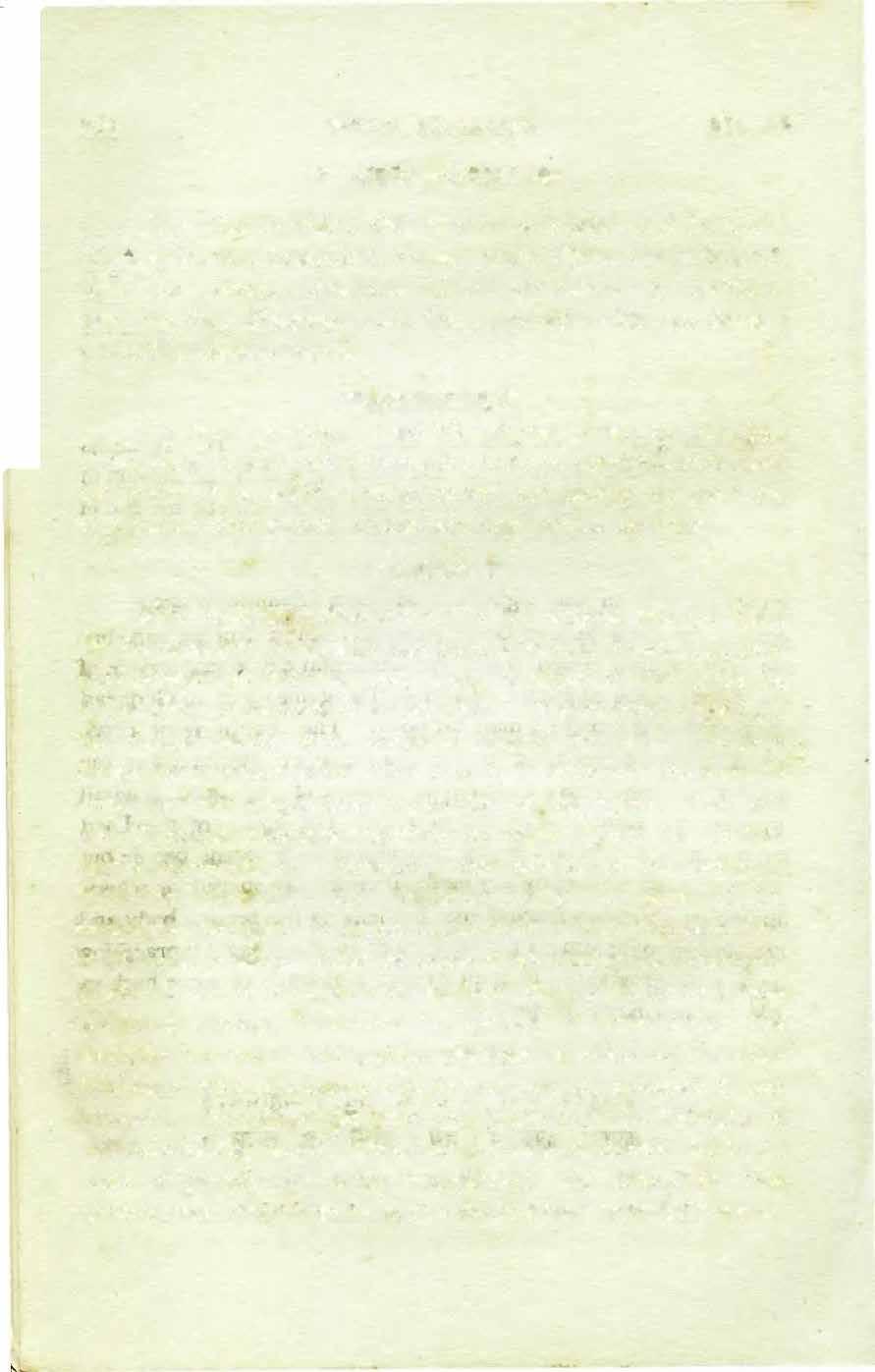
} \ 934 SRiMAt> BH.A.OwAT.!M [Ch. 15
We shall find this story in the lOth canto. For the Supreme Lord both the Ashuras and the demigods are equal but yet the demigods are obedient to the Lord whereas the Ashuras are not so. Therefore, the example of picking out a thorn by another thorn is quite befitting. One thorn which causes pinpricks on the leg ofthe Lord is certainly disturbing to the Lord and the other thorn which takes out the disturbing elements certainly gives service to the Lord. So although eyery living being is a part and parcel ofthe Lord still one, who is a pinprick oftheLord, is called the Ashura and one who is voluntary servitor ofthe Lord is called th<t_Devata or the demigod. In the material World the Devatas and Ashuras are always at loggerhead and the Devatas are saved from the hands of the Ashuras always by the Lord. Both ofthem are under the control ofthe Lord. The world is full with such two kinds ofliving beings and the Lord's mission is always to protect the Devatas and destroy the Ashuras, whenever there is such need in the world, to do good to both ofthem.
TEXTNo. 35
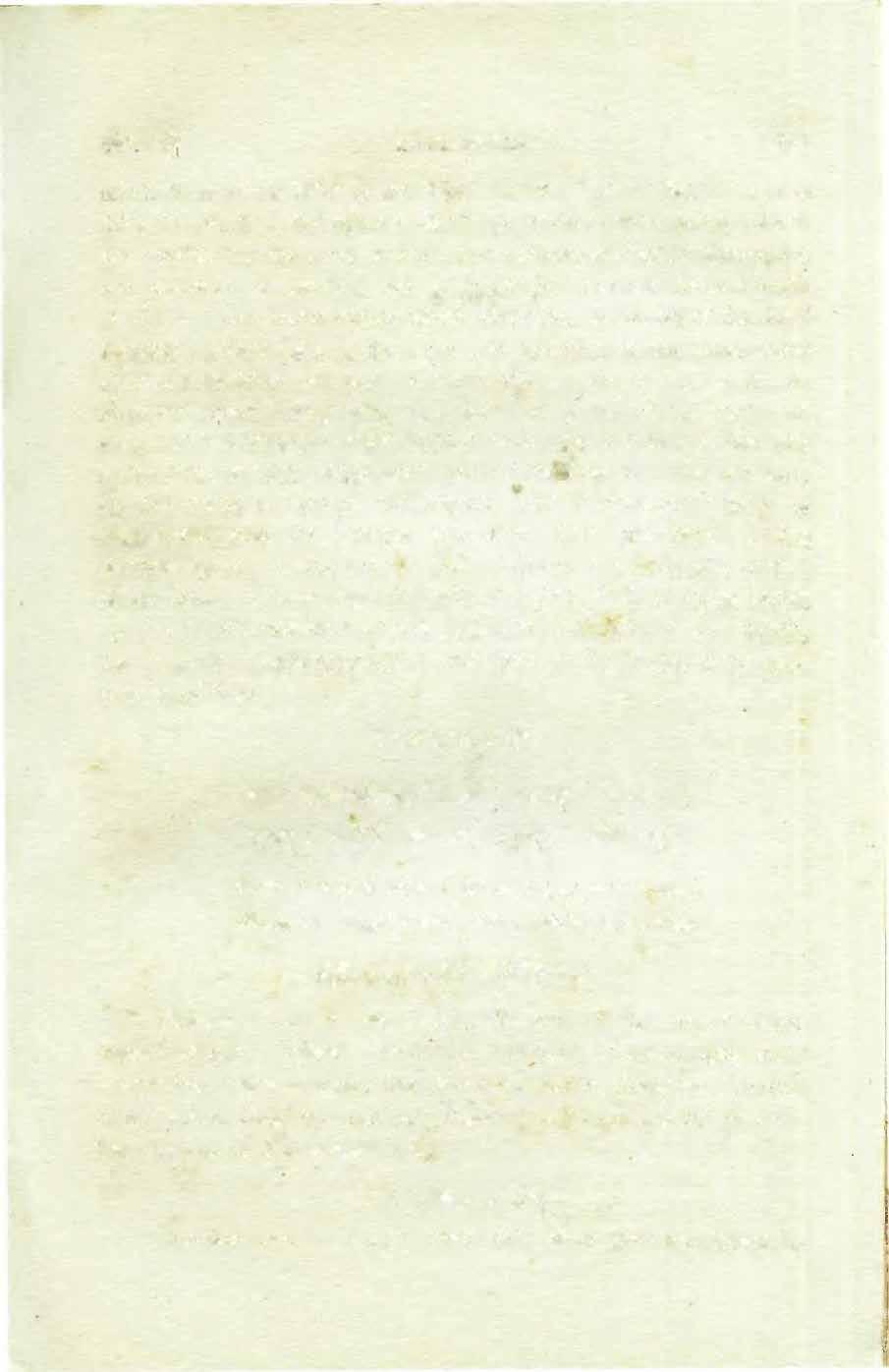
�T l«'lttf�q'ff'f ��' lf'n �C!: I
�iff'(: �fqa-) i:\";:r iS{�,. �;:( ��Cf�, u
ratha matf]adi rupani dhattejahyatyatha natah
Bhuhhara kshayitoyena jakou tatcha kalevaram.
ENGLISH SYNONYMS
Tatha-as much as, Matsyadi-incarnation of Fish ete, Rupani-forms, Dhatte-eternally accepts, Jahyat-apparently relequishes, Yatha-exactly like, Nata-magician, Bhuhharo-burden ofthe world, Kshqyito-relieved, Yena-·by which, Jahou--Iet go, tatthat, cha-also, Kalevaram-body.
TRANSLATIO.N
The Supreme Lord let go that body which was manifested by
Te:tet 3?]
935
FIRST CANTO
Him in the matter of diminishing the burden ofthe earth as much as He relinquishes His body like the magician in the . matter of accepting different bodies like incarnation ofFish etc.


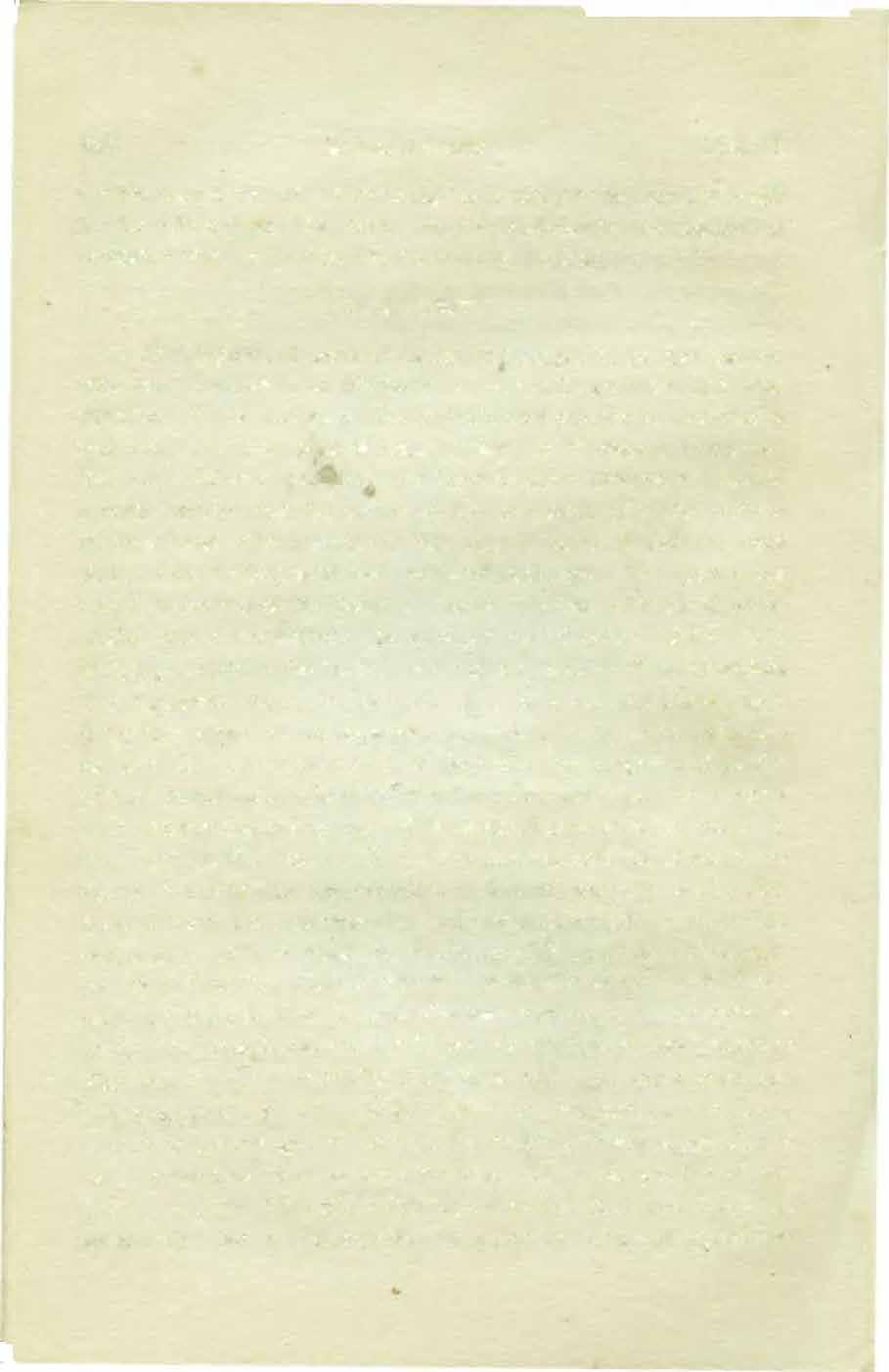
PURPORT
The Supreme Lord Personality ofGodhead in neither impersonal nor Formless but His body is non different from Him and therefore He is known (as the embodiment ofeternity, knowledge and bliss. In the BrihadvaishnavaTantra it is dearly mentioned that any one who considers the Form of Lord Krishna as madeof material energy must be ostracised by all means ofVedas and the Puranas and ifby chance the face of such infidel is seen one must clean himselfdeeping in the river with clothings. The Lord is des cribed as Amrita or the deathless because He has no material body. Under the circumstances the so called manifestation ofthe Lord as dying or quiting the body is nothing butjugglery ofthe magician. The magician shows by his tricks that he is cut into pieces, he is burnt into ashes or he becomes unconscious by hypnotic influence etc are all f::tlse shows only but factually the magician himselfis neither burnt into ashes nor he is cut into pieces nor he becomes dead unconscious at any stage ofhis magical demonstration. Sim1arly the Lord has His eternal forms ofunlimited varieties of which the incarnation Fish as was exhibited within this universe is also one. Because there are innumerable universes, somewhere or other such incarnation of Fish must be manifesting His pastimes without any cessation ofthe Form. In this verse the particular word Dhatte (eternallyaccepted and not the word Dhatwa accepted forthe occasion) is used. The idea is that the Lord does not cn�ate such incarnation of Fish but He has eternally such form and the appearance and · disappearance of such causal Forms or incarnation, is to serve particular purpose of the Lord, as the magician displays varieties of such conditions to serve some purpose. In the Bhagwat Geeta the Lord says (B.G. 7!24!35), "The impersonalists think that I have no form and that I was formless but at present I have accepted one
/ 936 SRIMAD BHAGWATAM [Ch. 1 5
form to serve some purpose and now I am manifested. But such speculators are factually without any sharp intelligence. However they may be good sclwlms in the vedic litnaturc �, they are practically ignorant about My inconcievble energies and about �\y eternal Forms of Personality. The reason is that l reserve the power ofnot being exposed to the nondevotees on account of My mystic curtain. The lt>ss inte11igent fcols are therefore unware of My eternal Form never to be van quished an d I am unborn," In the Padmapurana it is said that those who are envious andalways angry upon the Lord are unfit to know the actual and eternal form of the Lord. In the Bhagwatam also it is said that Lord appeared like the thunder bolt to those who were wrestlers. Sisupala also at the time ofbeing killed by the Lord could not see Him as Krishna, being dazzled by the glare of the Brahmajyoti. Therefore, the temporary manifestation of the Lord as thunderbolt to the wrestlers appointed by Kansa or the glaring appearance of the Lord before Sisupala etc were relinqished by the Lord but the LQrd as magican is eternally existent and is never vanquished at any circumstances. Such casual forms are temporarily shown to the Ashuras only and when such exhibitions are withbrawn the Ashuras only think that the Lord is no more existent as much as the foolish audience think ofthe magician as burnt into ashes or cut into pieces. The conclusion isthat the Lordhas no material body and therefurc He is nevet to be killed or changed by His transcendental body.
TEXT No. 36
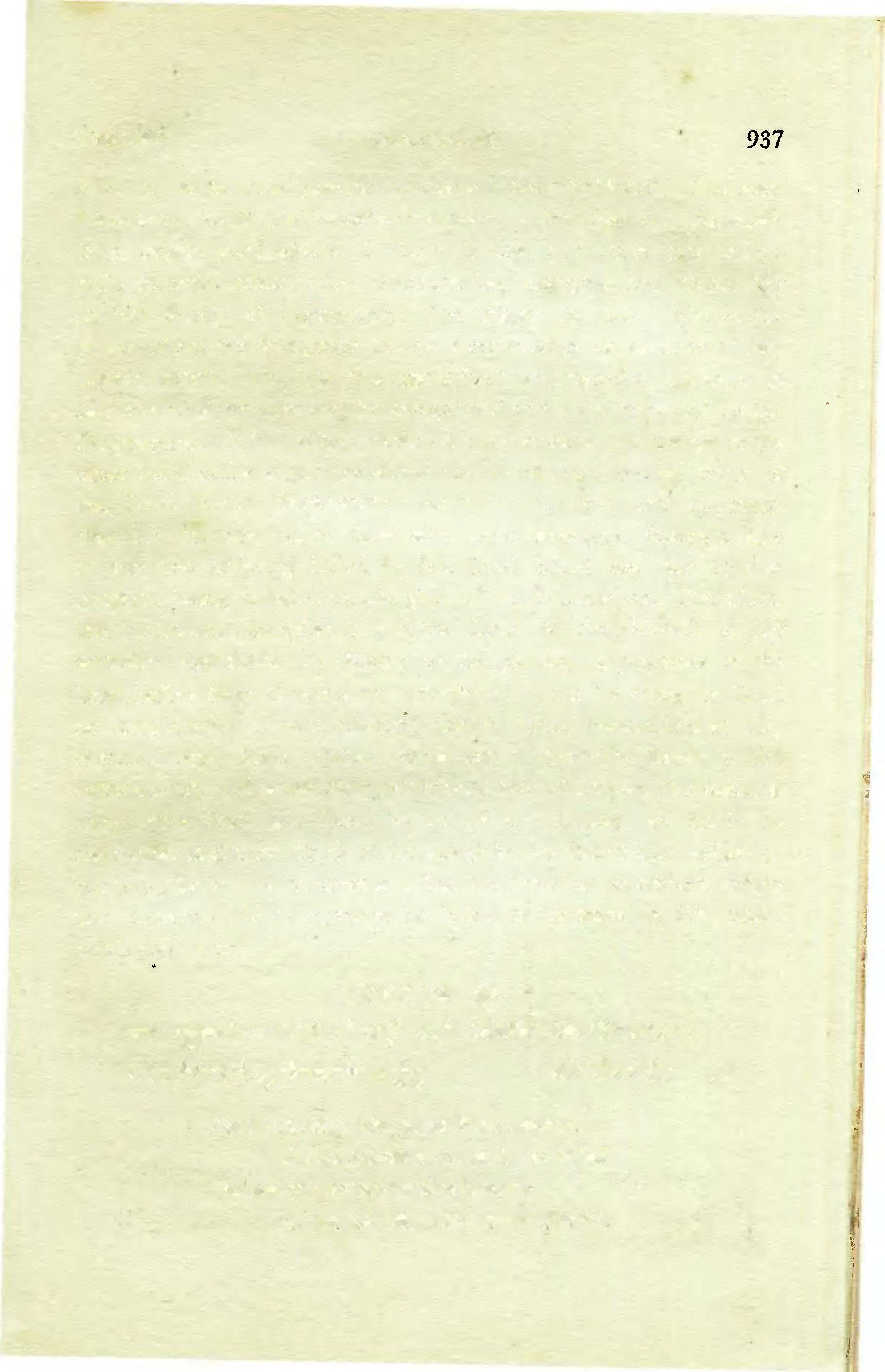
'lfrtt ��·cr) .,-qcrtf;r+ri +r�) \3f�T fCffiiCI'f�crvr1�tr�!fl�: •
(=l'qt��en�f�!;e:�t{�tlftri�g:
CflWr�t:crll'aa 1'
Yada mukundo bhagawan iman mahim
Jahou satanwa sravaniasatkathah
Tadahareva apratibuddhachetasam
A.bhadrahttuh kaliranwavarto,tah.
Text36) FIRST CANTO 937
) I : ; '
ENGLISH SYNONYMS
rada-when, Mukunda-Lord Krishna, Bhagawan-tbe Personality of Godhead, Imam-this, Mahim-earth, Jahou-left, Satanwa-with His self-same body, Sravaniasatkahah-Hearing about Him is worthwhile, Tada-at that time, Ahareva-from the very day, Apratibuddhachetasam-of those whose mind is not sufficiently developed, Abhadrahetuk-cause ofall inauspiciousness, Kaliranwavartatah-The Kali fully manifested.
TRANSLATION
When the Personality of Godhead Lord Krishna left this earthly planet in His self-same for.m, from that date verily Kali who appeared slightly before, became fully manifested for creating inauspiousness for those who are endowed with poor fund ofknowledge.
PURPORT
The influence of Kali could be enforced only upon those who are notfully developed with Godconsciousness. One can neutralise the effects ofKali by keeping oneselffully under the Supreme Pare ofthe cersonality ofGodhead. The age of Kali ensued just after thebattle ofKurukshetra but itcould not exert its influence on account of the presence of the Lord. The Lord however left this earthly planet in His own transcendental body and as soon as He left, the symptoms of the K.ali Yuga as was visioned by Maharaj Yudhisthir prior to Arjun's arrival from Dwarka, began to manifest and Maharaj Yudhisthir rightly conjectured on departure ofthe Lord from earth. As we have already explain'd the Lord lefc, means He became out ofour sight as much as sun sets means the sun is out ofour sight.

938 SRIMAO BBAGWATAM [Ch. 15
TEXT No. 37 9;f"tf.so�qf'(flqqf !"l: �lilt�t.sflilt,� a'�t�q"f.:r • f�Uilitf \"lt�l'!Ef�'"��qqT,t'Sfi ""iil?:f q�lCt II
Text 371
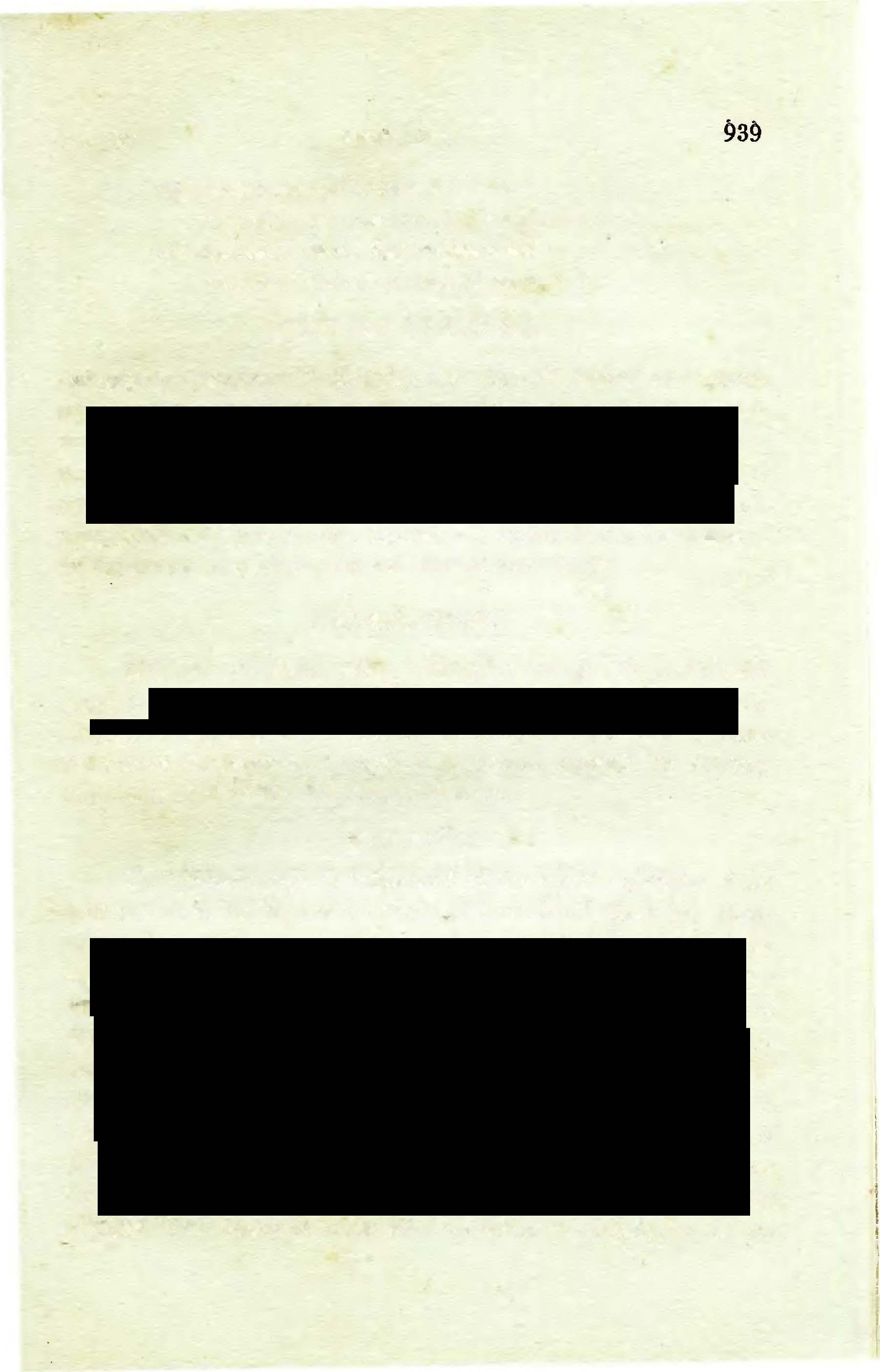
FIRSTCANTO
rudkisthiras tatparisarpanam hudhah
Purecha rastre cha grihetatha atmani.
Vibhavya lobhaanrita jimhhra himsariadi
Adharma chakramgamanaya pa'f)adhat
.rudhisthiras-Maharaj Yudhisthir, Tat-that, Parisarpanam-expansion, Budhah-thoroughl y ,experienced, Pure-in the capital, Chaas also, Rastre-in the State, Cha-and, Grihe-at home, Tathaas also, Atmani-in person, Vibhavya-in creating, Lohha-avarice, Anrita-untruth, Jimbha-diplomacy, Hinsanadi-violence enviousness,Adharmam-irreligiosity, Chakram-a vicious circle, Gamanayafor departure, Paryadhat-dressed himselfaccordingly.
TRANSLATION
Maharaj Vudhisthir was intelligent enough to understand aboutthe influence of the age of Kali gradually expanding avarice, falsehood, cheating and violence all over�the capital, state, home and individual person and wisely he prepared himself for starting from home and he dressed himself likewise.
·PURPORT
The present age is influenced by the specific qualities ofthe Kali and since the days ofthe battle of Kurkshetra about five thousands of years past the influence ofthe age of Kali began manifest· ing and from authentic scriptures it is learnt that the age of Kali is still to run on for 427000 four lacs and twenty seven thousands of years. The symptoms of the Kaliyuga as mentioned above namely avarice, falsehood, diplomacy, cheating, nepotism, violence and all such things are already in vogue and no body can think of what is going to happen gradually with further increase ofthe influence of Kali till the day ofannihilation. We have already come to know that the influence of the age ofKali is meant for godless so called civilised man, otherwise those who are under the protection of the
939
ENGLISH SYNONYMS
940 SRIMAD BHAGWATAM
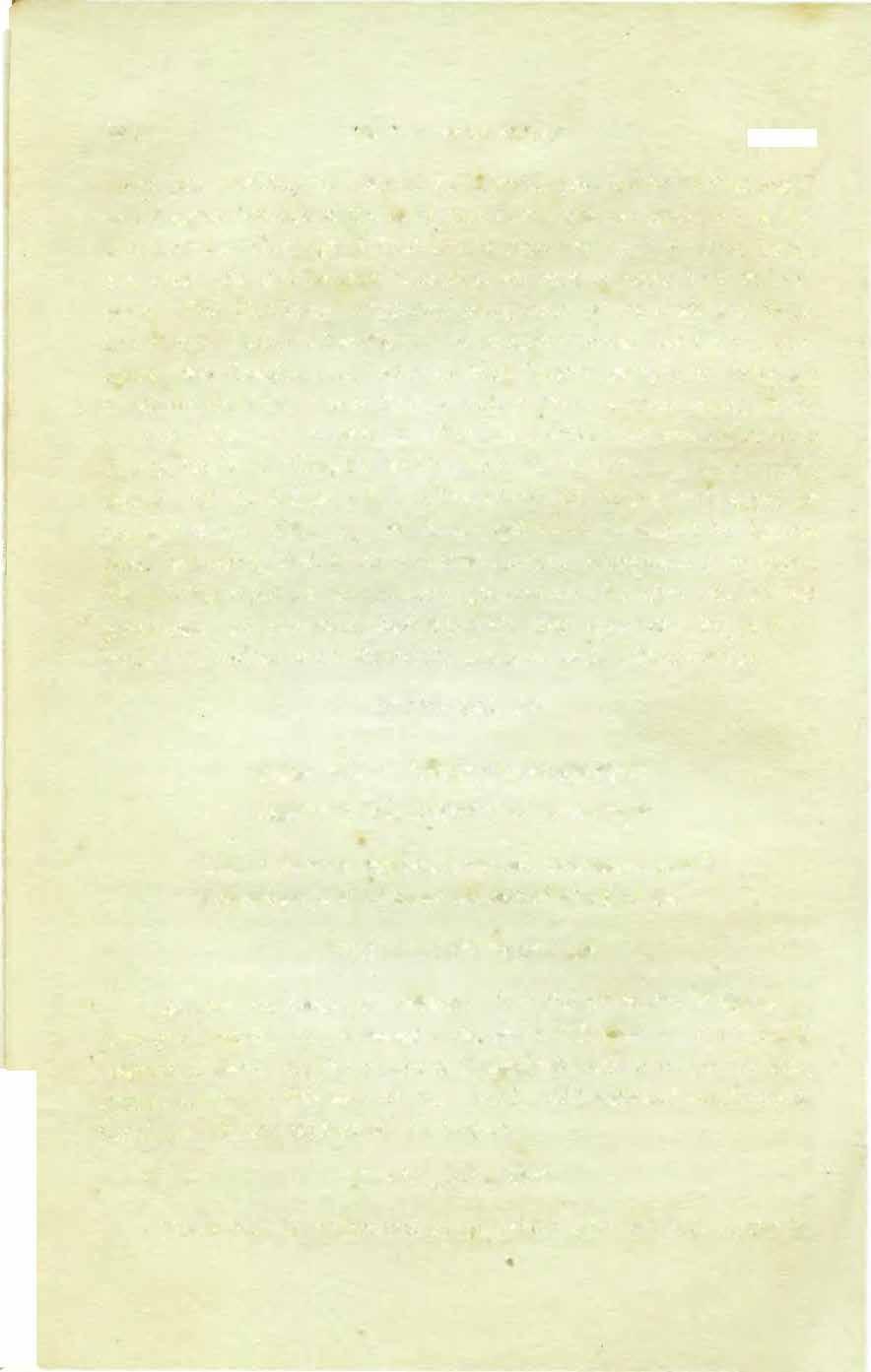
Lord has nothing to fear of the horrible age. Maharaj Yudhisthir was a great devotee of the Lord and there was no necessity of his being afraid of the age of Kali but he preferred to retire from active household life and prepare himself to go back to home back to Godhead. The Pandavas are eternal companion of the Lord and therefore they are more interested in the companyof the Lord than anything else. Besides that, being an ideal king hewanted to retire just to set exanples for others that as soon as there is some young chap to look after the household affairs, one should at once retire from family life for uplifting oneselfto spiritual realisation and no body should rot in the dark well ofhousehold life till one is dragged by the will of the Yamaraj. Modern politicians should take lessons from Maharaj Yudhisthir about voluntary retirement from active life making room for the . younger generation. So also retired old gentlemen also maytake lesson from him and leavehome ror:spiritual realisation before one is forcefully dragged away to meet death.
TEXTN0.38
�1;ff�
a)u;:r)oln:qfa- �i\"�-;qft:f:a:S:fi{

�T� 11
Samrat poutram vinryatam atmanah susammamgunaih
Toyanibyahpatim bhum'er abhyasinchadgajahvqye.
ENGLISH SYNONYMS
Samrat-the emperor, Poutram-into the grandson, Vin�atamproperly trained up, Atmanah -his ownself, Susamam-equal in all respects, Gunaih -by the qualities, Toyani�ah-outskirted by the seas, Patim-master, Bhumer-of the ]and. Abhyasinchad-enthroned, Gajahvaye-in the capital ofHastinapur.

TRANSLATION
Thereafter he enthroned his grandson who was equally quali-

qf,i feAfqa-;nc'ft:r:�fi�:
1
fied and trained up, in the capital of Hastinapur as the emperor and master ofall the land outskirted by the seas.
PURPORT

The land outskirted by the seas means the total land on the · earth bordered by the seas was under the subjugation of the King ofHastinapur. Maharaj Yudhisthir trained up his grandsonMaharaj Parikshit equally qualified like him in the matter ofstate administration in terms ofthe king's obligation upon the citizens and thus Parikshit was enthroned on the seat ofMaharaj Yudhisthir prior to his departure for Supreme place back to Godhead. About Maharaj Parikshit the specific word used is Viniyatam is significant. Why the king of Hastinapur at leasttill the time of Maharaj Parikshit was accepted as the emperor ofthe world ? The only reason is that the people of the world were happy on account of good administration of the emperor. The happiness ofthe citizens was due to ample production of natural produce such as grains, fruits, milk, herbs, valuable stones, minerals and everything that the people needed and this was the cause ofpeoples satisfaction. Even they were free from all miseries due to the body, anxieties ofmind, distrubances by natural phenomenon and other living beings arid because every one was happy in all respects there was no resentment by the _citizens although there was sometimes patched battles between the state-kings on political reasons for supremacy. Every one was trained up for attainment of the highest goal oflife and therefore the people were also enlightened enough not to mind any trifle matter and quarrel for that. The influence ofthe age of Kali graduallyinfiltered the good.qualities ofboth the kings and the citizens and therefore tense situation developed between the ruler and the ruled butstill, even in this age of disparity between the ruler and the ruled, it can be cemented by spiritual emolument ofGod consciousness. That is a special prerogative.
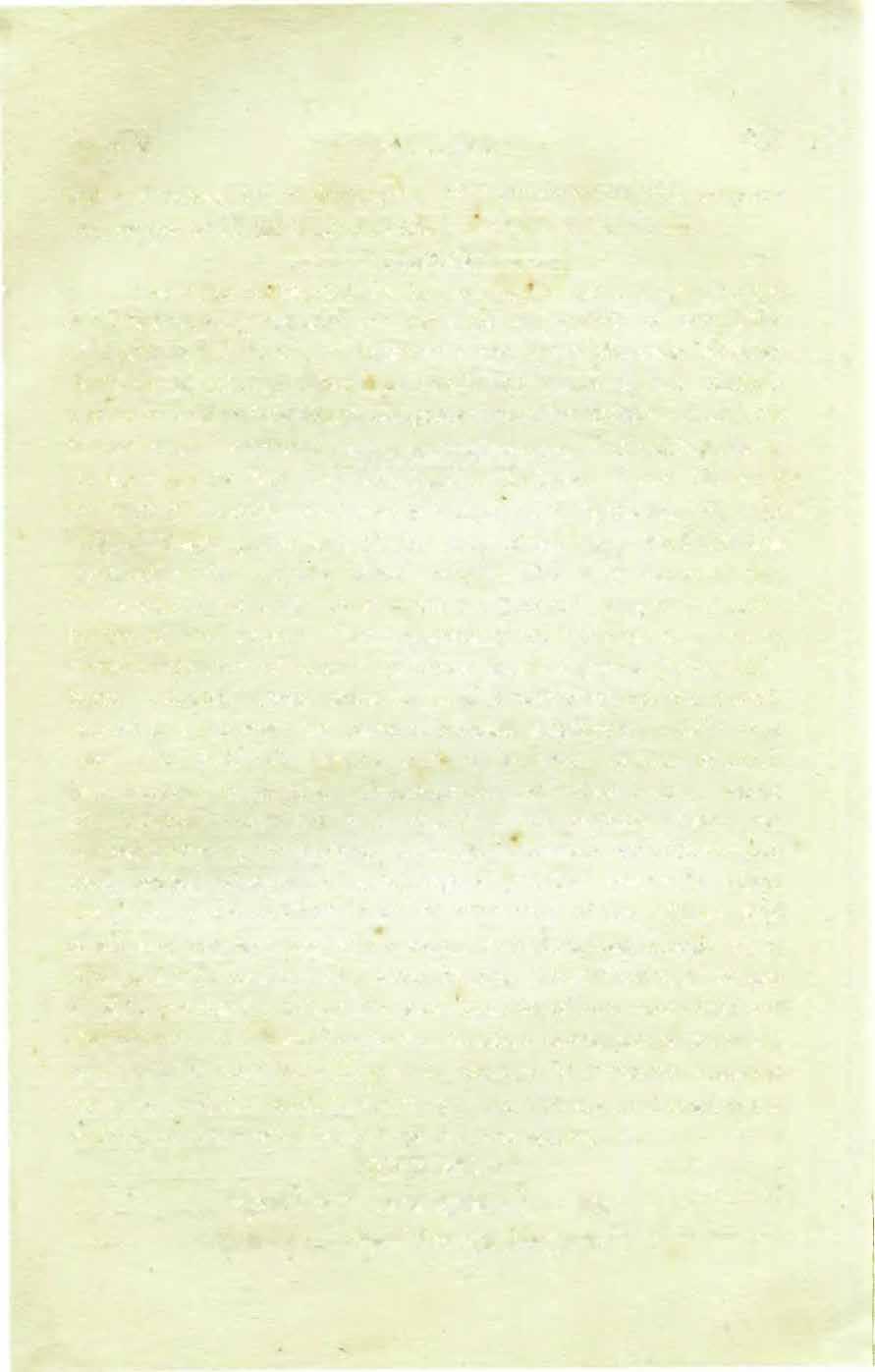
Text 39] PRIST CANTO 941
NO. 39 "'��Tllf 8'11 ct':l;(��u'lqfa- aa: • 0 "' STT�Tq(qf ftt�qf�'IVt'lfqct�TS!.l�: ••
TEXT
Mathurayam tatha vajram surasenapatim tatah
Prajapatyam nirupya istam agnimapi-vat iswarah.
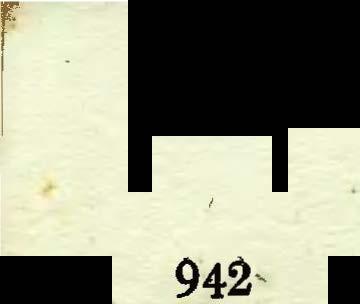
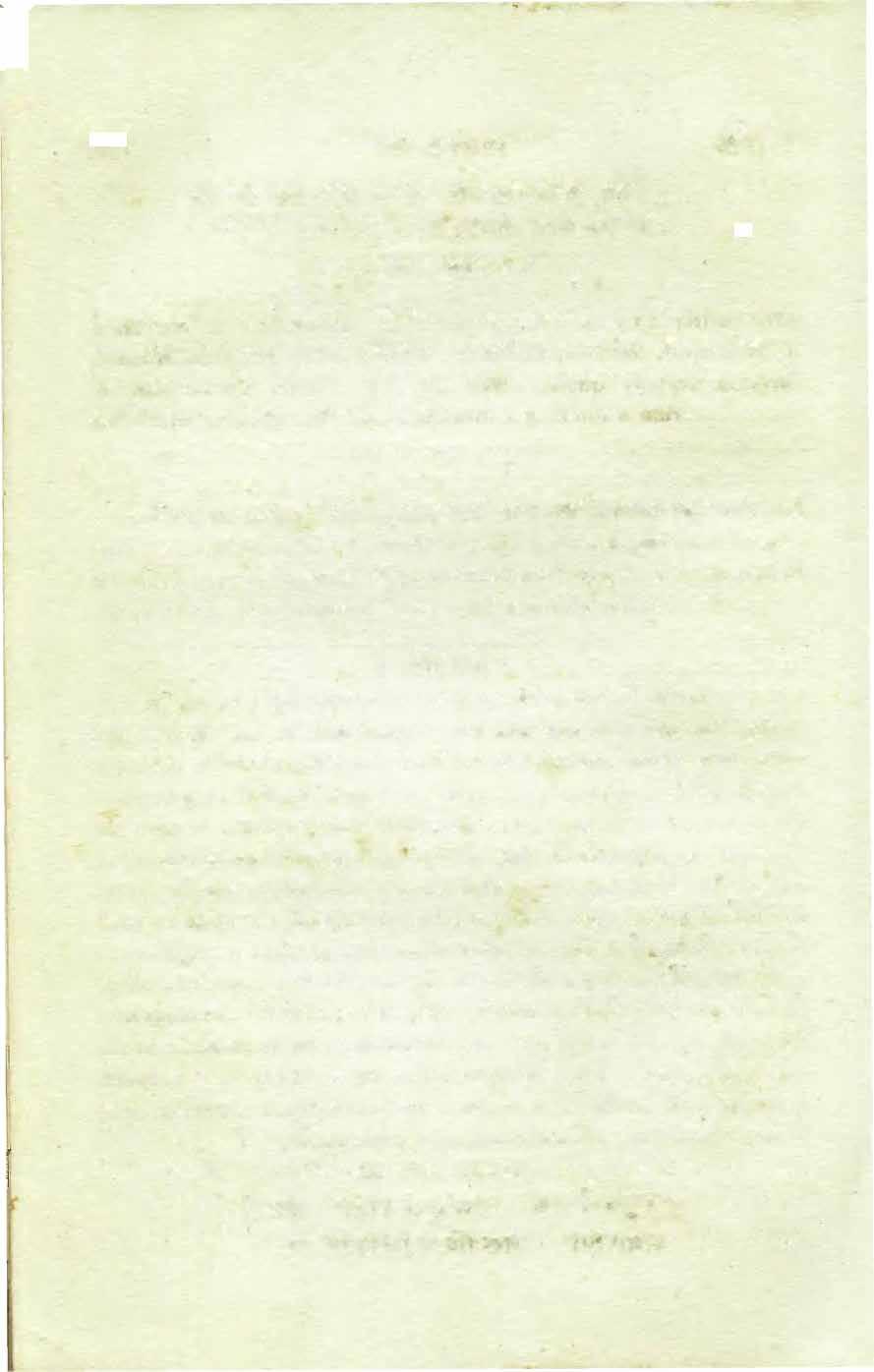
ENGLISH SYNONYMS
Mathurayam-at Mathura. Tatha also, Vajram-of the name, Surasenapatim-King of the Surasenas, Tatah-thereafter, PrajapatyamSacrifice of the name, Nirupya-having performed, lstam-goal, Agnim-fire, Apivat-placed in himself, lwsarah-cap�ble.
TRANSLATION
Then he posted Vajra the son ofAniruddha (grandson ofLord Krishna) at Mathura as the King of Surasena and afterwards capable Maharaj Yudhisthir performed sacrifice ofthe name Prajapati and placed in himself the fire for quitting household life.
PURPORT
Maharaj Yudhirthir after placing Mahar�j Parikshit on the imperial throne of Hastinapur and afterposting Vajra the greatgrandson ofLord Krishna as the King of Mathura accepted the reno unced order of life. The system offour orders oflife andfour castesin terms ofquality and work known as Varnashram Dharma, is the beginning ofreal human life and Maharaj Yudhist�ira as the protector of this system of human activities, timelyretired from active life as a Sannyasi handing over the charge ofthe administration to a trained up younger prince like Maharaj Parikshit. The scientific system ofVarnashramDharma divides the humanlife in four divisions ofoccupation andfour orders ofthe duration oflife. The four orders of the duration of life as Brahmachari, Grihastha, Vanaprastha andSanyas are to be followed by all irrespective oftheoccupational divi sion. Modern politicain:; do not wish to retire from active life even they are old euough but Maharaj as an ideal kingvoluntarly retired ' from active administrative life, for preparing himselffor the next life. Every one's life must be so arranged thatatthe laststage oflife say at least 15 to 20 years of the l _ ast stage�oflife prior to death,

SRIM.A.D BH.A.GWATAM
reh. t5
Text 40]
may be absolutely devoted in the matter of devotional service of the T...ord to attain the highest prefection oflife. It is really foolishness to engage oneselfall the days oflife in the matter ofmaterial enjoy.. ment and fruitive activities; because as long as'the mind shall remain absorbed in the matter of fruitive work for material enjoyment there is no chance of getting out from conditioned life material bondage. No body may follow a suicidal policy ofneglecting the supreme task ofattaining the highest perfection of life namely back to home, back-to-Godhead.
TEXT No. 40
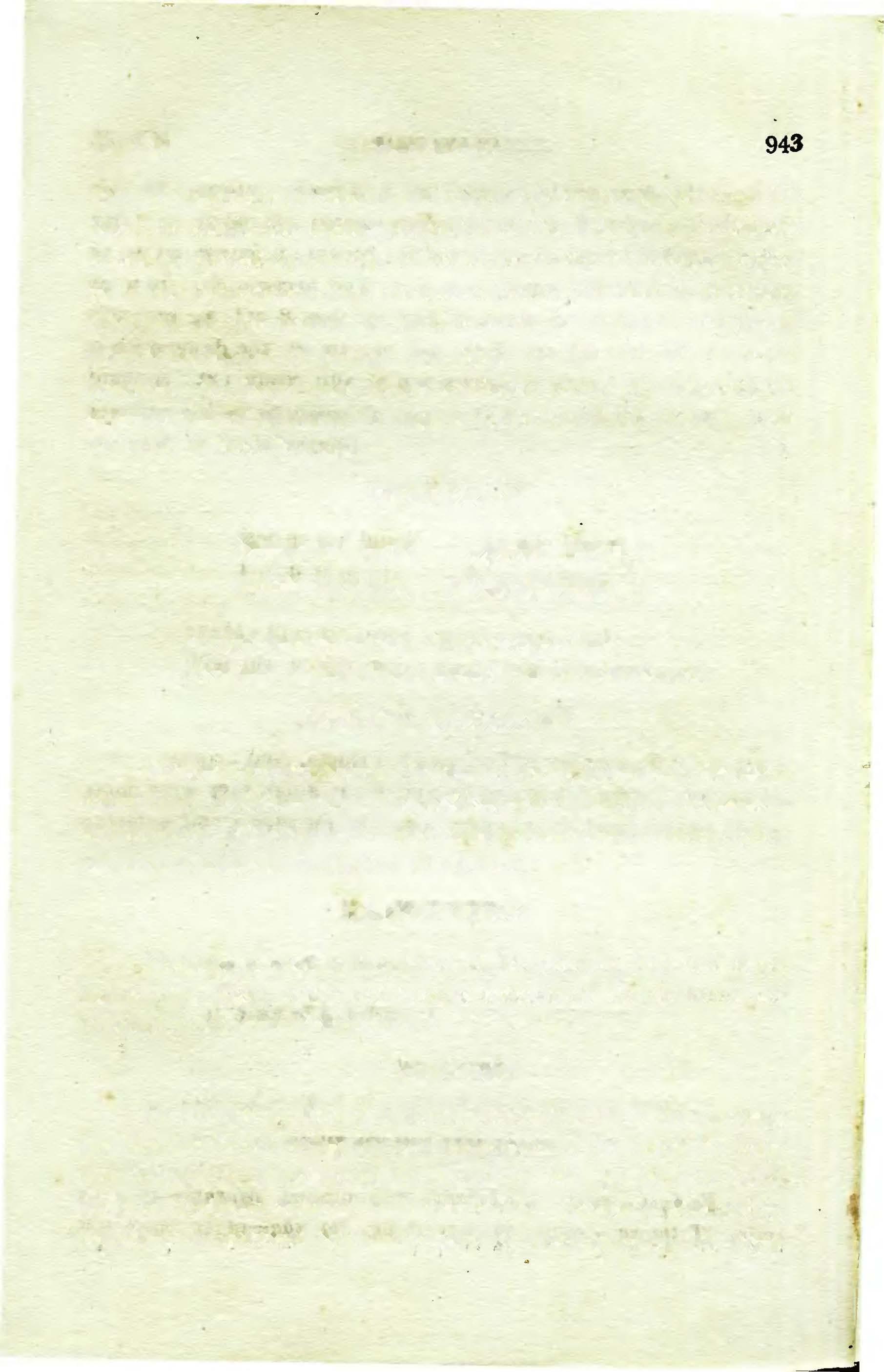
f� a� m�ci· fif�q-) fifl�!fil;c:
i��q�lfrffl�l! ' �m"fYiff��: II
Visrijya tatra tat sarvam dukula valayadikam Nirmamo nirahamkarah samchhinna asesabandhanah.
ENGLISH SYNONYMS
. Vi.srijya-relenquishing, Tatra-all those, Tat-that, Sarvam- " everything, Dukula-belt, Valayadikam�and bangles, Nirmamouninterested, Nirahamkarah-unattached, Samcchinna-perfectly cut off, Asesavandhanah-unlimited attachment.
TRANSLATION
Maharaj at once relinquished all his garment belt and ornaments of,a royal order and became completely uninterested un• attached to all sorts ofattachment.
PURPORT
To become purified ofmaterial contamination is the necessary qualificationforbecomingone oftheassociates ofthe Lord. No body can become an associate of the Load or can go back to home back to Godhead without such purification. Maharaj :Yudhisthir, therefore, to become spiritually p�r� ftt once gav� up his royal
FIRSTCANTO 943
opulence by dress and garments. The kashaya or saffron loins ofa Sanyasi means free from all attractive material garments and thus he changed his dress accordingly. He became uninterested to his kingdom and family attachment and thus became free from all material contamination ormaterialdesignation. People aregenerally attached to various kinds ofdesgnitions namaely the designation of family, society, country. occupation, wealth,position and so many others. So long one is attached to such designations he is considered materialiy impure. The so called leaders of men ofthe modern age areattached by natinal consciousnessbut they do notknow thatsuch false consciousness is also another designation of the materially conditioned soul; and one has torelinquish suchdesignations before one can become elligible for going back to home back to Godhead. Foolish people, howover adore such men who dieinnational consciousness but here is an t:xampleby a royal orderlike Maharaj Yudhi· sthir who prepared himself for leaving this world with out such national consciousness. And yet he is remembered by all men even up to date because he was a great pious king almost on the same level ofthe Personality ofGodhead Sri Rama. And because people ofthe world were dominated by such pious kings, they were happy in all respects and it was quite possible for such great emperors to rule over the world.
TEXT No. 41
Vacham juhava manasi tatprana itarecha tam Mrityavapanam sotsargamtampanchatwehi ajohobit.

ENGLISH SYNONYMS
944 SRIM.A.D BHAGWATAM [Ch.15
�TC� q;rf" ac5rTvr 'cR ;:r � t ,clfT"q'T;:f �ftc"� ciq:as:r�:itW!:stt�Cit�''
C�R
Vacham-speeches, Juhava -relinqui
Manasi-unto
mind� Tatprana-mind into l;>reathin�, ltarecha.-other sen�es
shed,
the
also,
Tam-unto that, Mriryau-unto death, Apanam-breathing, Sotsargam-with all dedication, Tam-that, Panchatwa-unto the body made offive elements, Hi-certainly, Ajohabit-made it amalgamated.
TRANSLATION
Thus he amalgamated all the organs of senses in to the mind, then mind into life, life into breathing, the total existence into the embodiment offive elements and body unto the death and as pure self, he was free from material conception oflife.
PURPORT
Maharaj Yudhisthira also exactly like his brother Arjuna began to concentrate in himself gradually being freed from all matarial bondage as they are performed by mystic performances. First ofall he concentrated all actions ofthe senses amalgamated in the mind or in other words he turned his mind towards transcenden tal service ofthe Lord. He prayed to mind that all material activities were performed by the mind the action and reactions of the material senses and since he was going back to home and back to Godhead the mind may wind up its material activities and be turned towards the transcendental service of the Lord. There was no more necessity ofmaterial activities. Actually the activities of the mind cannot be stopped becau�e it is the reflection ofthe eternal soul but the quality ofthe activities can be changed from matter to transcendental service ofthe Lord. The material colour of the mind is changed by washing it off from the contamination oflife-breathing and thereby getting it freed from the cantamination of repetition of birth and death being situated in pure spiritual life. The whole thing is manifested by the temporary embodiment ofmaterial body which is a production ofmind at the time of death and if the mind is purified by pracice of transcendental loving serviceofthe Lord, and the same isconstantly engaged inthe �frv��e ofthe J,.otus Feet ofthe �ord. t4�re is n9 qaore any chanc�

Text 43] FIRST CANTO 945
946
of the mind's producing another material body after death, but being frefd from the absorption ofmaterial contamination the pure soul is able to retun back to home back to Godhead.
TEXT No. 42



Tritwe hutwa chapanchatwam tat cha ekatwejuhotmunih Sarvam atmani ajuhohit brahmani atmanam avyaye.

ENGLISH SYNONYMS
Tritwe-unto the trio qualities, hutwa-having offered,Chaalso, Panchtwam-fi.ve elements, Tat-that, Cha-also, Ekatwe-in one nescience, Juhot-amalgam"Bted, Munih-the thoughtftl, Sarvam -the Sumtotal, Atmani--in the Soul, Ajuhobit-fixedup,Brahmaniuntothe spirit, AZD'aye-unto the inexhaustible.
TRANSLATION
Thus concieving annihlation ofthe gross body offive elements in the three qualitative modes ofmaterial nature merged them in one] nescience and then again he absorbed nescience in self Brahman which is inexhaustible at all circumstances.


PURPORT
All that we have manifested in the material world are different production of the Mahat Tattwa Avydkta and things that are visible in our material vision are nothing but combination and permutation of such variegated material products. Butthe living entity is different from such material products. It is due to the forgetfulness of the living entity of his eternal nature as eternal servitor of the Lord and on · account of his false conception of becomnig a so called Lord ofthe material nature, that he is obliged to enter into �xistence offalse sepse enjoyment 11nd a concommj-
SRIMA.D BHA.GWATAM: (Ch. 15
fsr� ��en;{�����-��: l riJft�q;:t.t\"il��ih{ �Ulft�q'T"fqcqq ll
tantgenerationofmaterial energy�re two principal causesofthemind being materially affected and thus the gross body of five elements produced. MaharajYudhisthir thus reverted the action that he merged the five elements ofthe body in the three modes ofmaterial nature, The qualitative distinction ofthe body a� being good, b�d or via media thus extinguished and again such qualitative manifestations also became merged in material energy \lvhich was produced from a false sense ofthe pure living being. When one is thus inclined to become an associate of the Supreme Lord the Personality ofGodhead in one ofthe innumerable planets ofthe spiritual sky specially in Goloka Vrindaban, one has to think always that he is different from the material energy, he has nothing to do with them and he has to pose him·1elf as pure spirit or Brc:>hman qualitatively equal with the Supreme Brahman (Parameswara). Maharaj Yudhisthir after distributiug his kingdom to Parikhit and Vajra thought himselfnot the emperor of the world or the head of the Kurudynasty. This sense of freedom from material relations as wellas getting free from material encagement ofthe grossand subtle encirclement makes one free to act as the servitor ofthe Lord even though one is in the material world and this stage is calJed Ji-panmukta stage or the liberatedstagewhileremaining even in the material world. That is the processofending material existence not only by thinking that he is Brahman, but also by acting like Brahman. One who thinks only as Brahman is the impersonalist. And one who acts like a Brahman is the pure devotee.

TEXT
Cheeravasa niraharo baddhabang muktamurdhajah
Parshayan atmano rupa.mjada U!Jmattapisachavat
Anapekshamano niragad asrinwan badhirayatha.
Text 43] FmSTCAN'rO . 947
o. 43
t
\lf�)"f�fq'�f:q'((tf t "
'ft'(�t�t fu'�t'()9t'i((t�Wf��;r:
q�h�"ft�) �q
--...
ENGLISH SYNONYMS
Cheeravasa--accepted torn clothings, Niraharo-gave up all solid foodstuff,Baddhavang-stopped talking, Muktamurdhajah-unlocked the bunch ofhairs, Darsht:Van-began to show, Atmano-ofhimself, Rupam-feature of the body, Jada-inert, Unmatta-mad, Pisachaavat-just like an urchin, Anabekshamana-without waiting for, Asrinwan-without hearing, Badhira-just like adeaf,yatha.:_as if.
TRANSLATION
After that Maharaj Yudhisthir dressed himself by torn clothingsgave up eating of all solid foodstuff ,voluntarilybecame dumb and unlocked his bunch of hairs. All these combined he was seen just like an urchin mad man without any activity. He did not any more depend for anything upon his brothers neither did he hear anythingjt.st like a deafman.
PURPORT
Thus being freed from all external affairs he ha� nothing to do with imperial or family prestige and for allpracticalpurposes he posed himselfexactly like an inert mad urchinwithout anytalkativenessin terms of material affairs. Neither he had any kind of dependence upon his brothers who had all along been helping hand to him. This stage of complete independence of everything is also called the purified stage of fearlessness.
TEXT No. 44

\iq;:cft srfd�tm 1l6'J.CfT. �T�f'+l: •
&fq: �lP� �lfTtt"t"Tert:iatt�) 11a-: u
Udichim pravibesasam·gatapurvam mahatamabhih
Hridi Brahman param dhyanna avartetayato gatah.
ENGLISHSYNONYMS
Udichim-the northern side,Pravibesaram-those who wanted
948
SlUMADBH.AGW.A.T.AM [Ch. 15
to enter there, Gatapurvam-the path accepted by his forefathers, Mahatmahhi-by the broad minded, Hridi-within the heart, Brahman-the Supreme, Param-Godhead, Dhyayan-�onstantly thinking of, Barteta-passed days, rata-wherever, Gatah -went.
TRANSLATION
He then started towards the northern side the path which was accepted by his forefathers and great man just to devote himself completely in the thought ofthe Supreme :J:1ersonality ofGodhead. And·he lived in that way wherever he went.
PURPORT
It is understood from this verse that Maharaj Yudhisthir followed the foot prints ofhis forefathers and the great devotees ofthe Lord. We have discussed many times before, the system of Varnashram Dharma, as it was strictly followed by the inhabitants of the world, specifically by those who inhabited the Aryavarta province of the world, emphasises on the very important point of leavi _ ng all household connection at a certain stage oflife. The training and education was so imparted and as such a respectable person like Maharaj Yudhlsthir must would have left all family connection for selfrealisation and going back to home going back to Godhead. No king or respactable gentleman would continue family affected life till the end because that was considered suicidal and against the interest of perfection of human life. In order to be free from all family encumbrances and devote oneselfcent per cent in the devot ionalservice oftheLord Krishna thissystem is ever recommended for every one because that is the path of authoirty. The Lord instructs in the Bhagwat Geeta (B.G. 18/62) that one must become a devotee of the Lord at least at the last stage ofone's life and one sincere soul like that of Maharaj Yudhisthir must abide this instruction of the Lord for his own interest.
The specific words Brahman Param means Lord Sri Krishna. This is cQrroQorateq in the Bhagwat Geeta (B.G. 10/12)by Arjuna
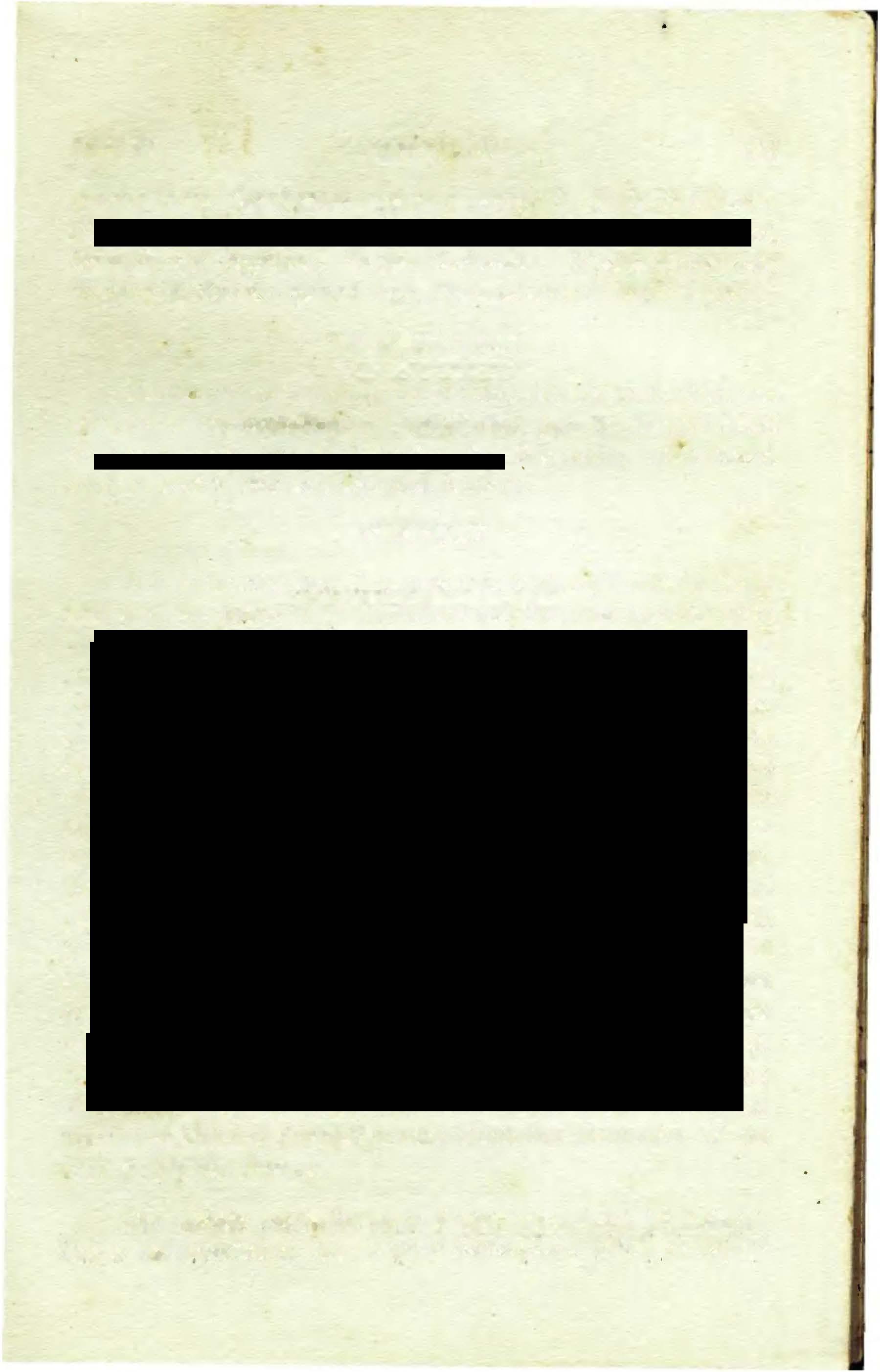
Text. 44] FmST CANTO 949
with reference to the context ofother grea�authorities like Asita, Devala, Narada, Vyasa etc. As such Maharaj Yudhisthir while leaving home for the northern side, he constantly remembered Lord Sri Krishna within himself following the foot prints ofhis forefather as well as great devotees ofall times.
TEXTNo. 45
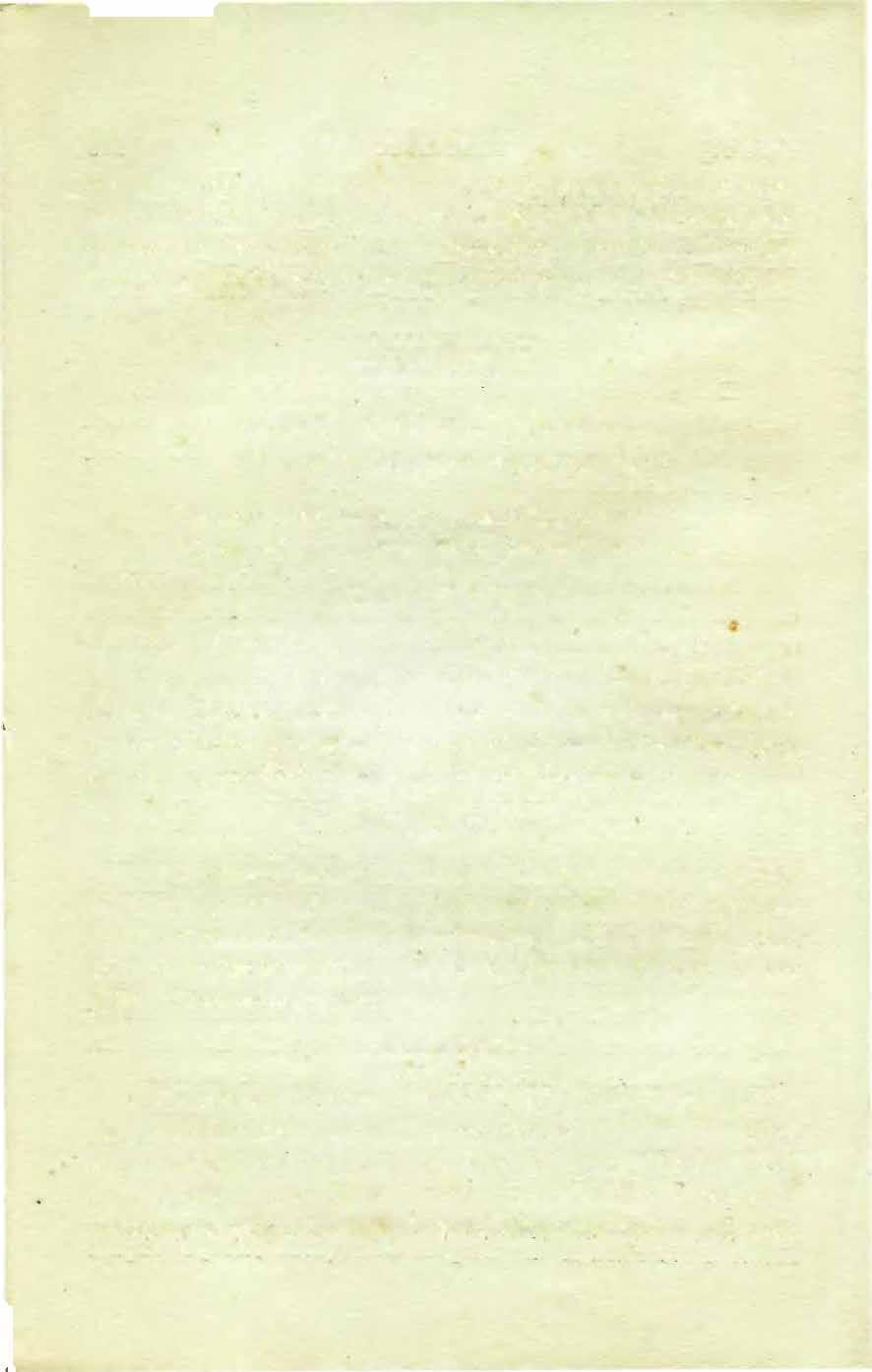
lfim�t�qfq�VJ
Sarvetam anunirjamur bhratarah kritanischayah
Kalina adharam mitrena dristwa pristwahpraja hhuvi
ENGLISHSYNONYMS
Sarve-all his younger brothers, Tam-him, Anunirjamur-get out from home by following the elder, Bhratarah-brothers, Kritanischa7ah-decidedly, Kalina-by the age ofKali, Adharma-principle of irreligiosity, Mitrena-by the friend, Dristwa-observing, Spristuo-having overtaken, Praja-aii citizens, Bhuvi-on the earth.
TRANSLATION
The younger brothers ofMaharaj Yudhisthir observed it also that the age of Kali had already ushered in all the world over and the citizens ofthe kingdom were already affected by the influence of irreligiosity. They, therefore, decidedly followed the foot prints oftheir elder brother.
PURPORT
The younger brothers of Maharaj Yudhisthir were already most obedient followers ofthe great emperor and they had sufficiently training about the ultimate goal oflife. They therefore decidedly followed their eldest brother in the matter ofrendering
d.<:VQtionaJ $ervi<;e to {.ord Sri �risnnq 111ore than frqitive a�tivities?



950 SBIM.AD BHA..GWATAM [Ch. 15
ri�fi:t-'1!'!-mtr.�: �A'lq'f: t
«!�'"'-J�: Sf\WT,R tt
philosophical speculations or mystic powers. According to the principles ofSanatan Dharma one must retire from family life after halfthe duration oflifeis finished andmust engagehimselfIn the matter of selfrealisation. But the question ofengaging oneself is not always decided. Some times such retired men are bewildered how to engage oneseiffor the last days of life. Here is a decision by the authorities like the Pandavas that all ofthem engaged them. selves in the matter ofculturing favourably the devotional service ofthe Lord SriKrishna the Supreme Personality ofGodhead. Accord. ingto Swami Sridhar, Dharma, Artha, Kama and Moksha or fruitive activities, philosephical speculations or salvation as they are concieved by several persons, are not the ultimate goal of life. They are more or less practised by persons who have no decisiqn for the ultimate goal oflife. The ultimate goal of life is already indicated by the Lord Himself in the Bhagwat Geeta (B.G. IS /64) and the Pandavas wereintelligentalthough tofollow itwithout anyhesitation.
TEXTNo. 46
�9'T!I Cf!a9��i
�rccrrs�fia��il: •
r� sadhukrita sarbartha jnatwa atyantika atmanah Manasa dharayamasur vaikuntha charanambujam.
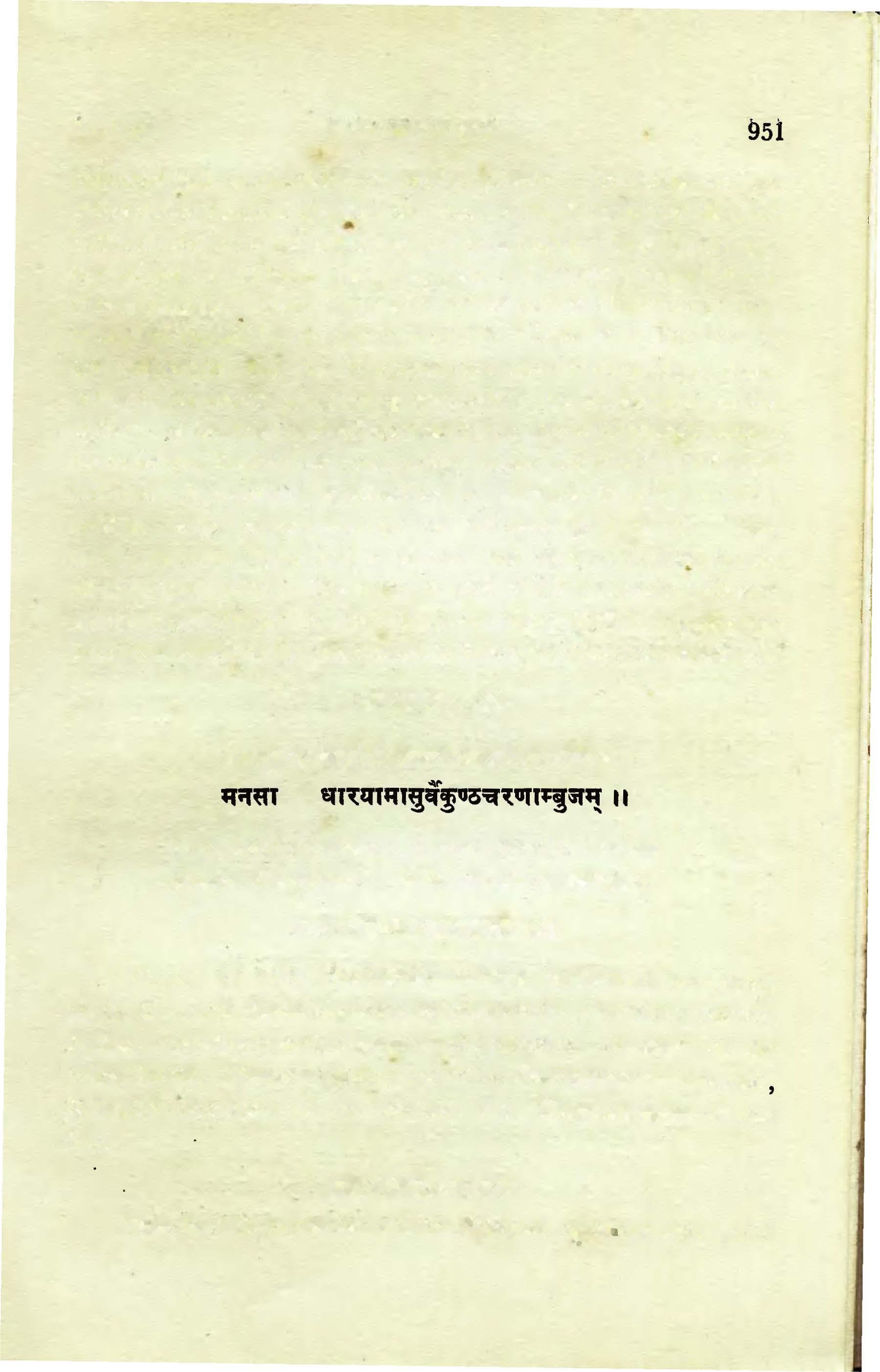
ENGLISH SYNONYMS
Te-all of them, Sadhukrita-having performed everything worth for a saint, Sarbartha-that which includes everything worthy, Jnatwa-knowing it well, Atyantika-the ultimate, Atmanah -of the living being, Manasa-within the mind, Dharayamasur-sustained' Vaikuntha-the Lord of the spiritual sky, Charanambujam-Lotus feet.
TRANSLATION
They had all performed all the l*iciples o! religiosities and
Text 46] FIRStCANTO 95i
as a result ofthis, rightly they decided that the.lotus feeet ofLord Sri Krishna is the Supreme goal of everytime and therefore they sustained within their mind uniteruptedly.
PURPORT
In the Bhagwat Geeta the Lord says ( ·B.G.7/28 ) that only those who have had done pious deeds in previous life and thus have become freed from the results of all impious acts can only concentrate upon the Lotus feet of the Supreme Lord Sri Krishna. The Pandavas not only in this life but also in their previous life, they had always performed the supreme pious work and as such they are ever-free from all the reactions ofimpious work. It is quite reasonable, therefore, that theyconcentrated their mind unto the lotus feet ofthe Supreme Lord Sri Krishna. According to Sri Viswanath Chaktavarty Dharma, .Artlza, Kama andMoksha principles are�accepted by persons who are not free from the results ofimpious action. Such persons affected with the contaminations ofthe above four principles cannot at once accept the lotus feet of the Lord of the spiritual sky. Vaikuntha world is situated far beyond the material sky. The material sky is under the management of Durga Devi or material energy ofthe Lord but the Vaikuntha world is managed by the Personal energy of the Lord. The cover-jacket ofthis book is an explanation ofthe Vaikuntha world and the material world.
TEXT No.47, 48

a;attltttfi�IIT ';111(111 f"'PftllqUJT: q� I
aff'(t:'fl'(TQ''Gfq� �Cf\lt:aqaq) qfa'{ ''
aer1�(''(C(lqf a a�f� ferqqT(qf;f: '
f?.f�Cilfi�tif�f�T;:i Pn�l(q....� tI
Taddhyanotriktaya bhaktya visuddha dhisana pare
Tasmin narayana pade ekanta mataye gatim.
Avapur durvapam te asadbhir visaya,tmabhih
Vidhuta kalmasa sthanamvirajma atmanaiva hi.
952 SRIMAD BHAGWATAM (Ch. 15
c-.
ENGLISH SYNONYMS
Ted-That, Dhyanot-positive meditation, Riktaya-being freed from, Bhakt-va-by devetional attitude, Visuddha-purified, Dhisaana-by intelligence, Pare-unto the transcendence, Tasminin that, Narq,yana-the Perscnality of Godead Sri Krishna, Padeunto the lotus feet, Ekantamataye-of those who are fixeed up in the Supreme Who is one, Gatim-destination, Avapur-attained, Durvaam-very diffiult to obtain, ·Ye-by tnem, Asadbbir-hy the materialists, Visqyatmabhir-absorbed in the matter of material needs, Vidhuta-washed cff, Kalmasa-material contaminations, Sthanam-abode, Virajena-withcut any material passion, Atma· naiva-by the selfsame body, Hi-certainly.
TRANSLATION
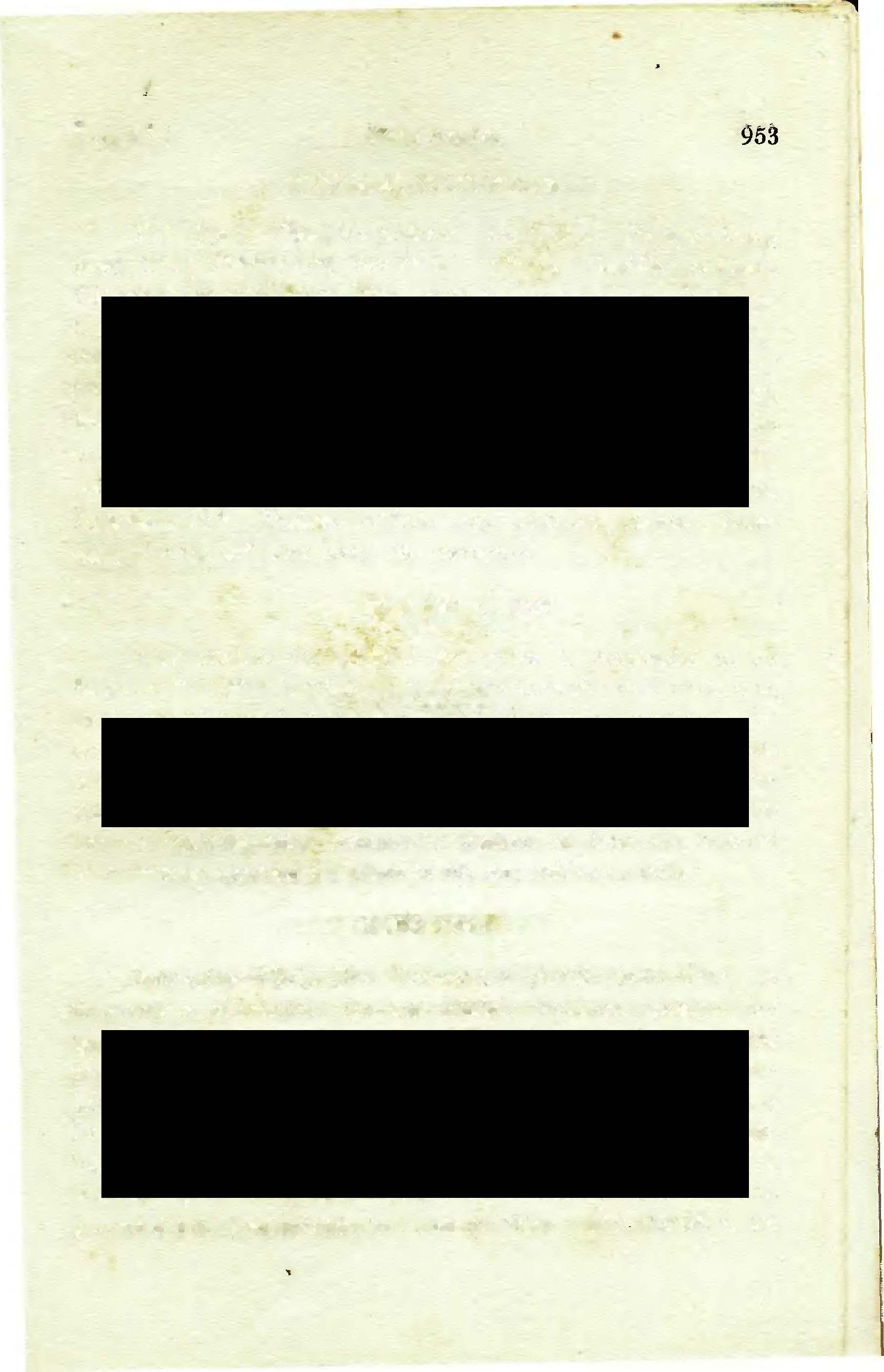
They attained the spiritual sky which is dominated by the Supreme Narayana Lord Krishna by pure consciousnessdue to constant remembrance in deveotion. This is attained by them only who are fixed up in one supreme Lord without deviation. Such abode ofthe Lord Sri Krishna, known as Goloka Vrindaban, is not attainable by persons who are absorbed in ·material conception oflife but the Pandavas being completely washed off ire m all material contamir>aion attained the place in the very self-same body.
PURPORT
According to Srila Jiva Coswami a person freed from the three modes of material qualities namely goodness, passion and ignorance and situated in transcendence can reach the highest perfection oflife without any change of the body. Srila Sanatan Coswami alsoin his Haribhaktivilas says that personwr1ateverhe may be, can attain the perfection of a twice·born Brahmin by undergoing the spiritual desciplinary actions under the guidance of a bonafide spiritual Dlaster exactly like a chemist who can turn gunmetal into gold by chemical manupulation. It is therefore, the
Text 47) PRIST CANTO 953
954 SRJllAD BliAGWATAM: (Ch. 15
actual guidance that matters in-the proceass ofbecominga Brahmin even without any change of body or to go back to home Godnead without any change ofbody. SrilaJiva Goswami remarks that the wJrd 'His' used in this connection positively affirms this truth and there is no doubt about this factual position. The Bhagwat Geeta also affirms this statement ofSrilaJiva Goswami when ·the Lord says (B. G 14/26) thatany one, who executes the devotional service systematically without any deviation can attain the perfection of Brahman by surpassing the contamination of the three modes of meterial nature and when theBrahman-perfection is still moreadva. need by the self-same execution of dovotional service, there is no doubt atall that one can attain the Supreme spiritual planet Goloka Vrindaban without any change of body aswe have alnady discussed in the matter ofthe Lord, returning in His abode without any change ofbody(page 931)
TEXTNo. 49

��)sfq qf"«lf'ill' snn8 t�'lt�;:r: '
'PJtt�af;n!f�: fqt�f\1: '"� qq) n .. ..
Vidura api paritajya prabhase dehamatmanah
Krishna a-veseRa tat chittah pitribhih sakshayamyayou.
ENGLISH SYNONYMS
Vidura-uncle ofMaharaj Yudhisthira, Api-also, Parita.fyaafter quitting the body, Prabhase-inthe pilgrimage of Prabhasa, Dehamatmanah-his body, Krishna-the Personality of Godhead, A)lesena-being absorbed inthatthought,Tat-his, Chittah-thoughts and actions. Pitribhih-alongwith the residents of,Pitriloka, Sakshayan-his own abode, rayou-departed.
TRANSLATION
Vidura, also while he was on pilgrimage, left his body at
•
'
Pravash; and because he was full in thought of Lord Krishna he was received by the denizens ofPitriloka planet where he returned back in his original post.
PURPORT
The difference between the Pandavas a�d Vidura is that theformersareeternalassociates oftheLord PersonalityofGodhead, whereas Vidura is one of the administrative demigods in charge of the Pitriloka planet as Yamaraja. Every one is afraid of Yamaraja because it is he only who awards punishments to the miscreants of the material world but those who are devotees of the Lord have nothing to fear from him. To the devotees he is a cordial friend but to the non-devotees he is the fear personified. As we have already discussed about Vidura, it is understood that Yam Raja was cursed by Manduk Muni tobe degraded as Sudra and therefore Vidura was incarnation of Yamaraj. As eternal servitor ofthe Lord he displayed his devotinal activities very ardently and lived a life ofa high class pious man so much so that a materialistic man like Dhritarastra also got salvation by his instruction. So by his pious activities in devotional service ofthe Lord he was able to remember always about the lotus feet ofthe Lord by which he became washed off from all contamination of a Sudra born-life and at the end he was again received by the denizens of pitriloka and posted on his original place. The demigods are also associates of the Lord withouut any personal touch while the direct associates of the Lord are in constant personal touch with Him. The Lord and the personal associates do incarnate in many universes without any stoppage. The Lord remembers them all while the associates forget due to their being very minute parts and parcel ofthe Lord; they are apt to forget such incidences on account of being infinitesimal. This is corroborate9. in th�
l3ha�wat Geeta (B. G, 4/5)

Text 49] FIRST CANTO 955
TEXT No. 50


�1q�) :q o�TSS;wTll 'ttiTt:fTqfltr�a'Tq l '
efT�� ;rqq-a) �'etit;:aqfauq tf'{ It

Droupadi tada ajnaya patinam anapekshatam
·Vasudeve bhagawati hi ekanta matir apa tam.
ENGLISHSYNONYMS
Droupadi-the wife of the Pandavas, Tada-at that time, Ajnaya. knowing Lord Krishna fully well, Patinam-of the husbands, Anapekshatam-who did not care for her, Vasudeva-unto Lord Vasudeva Krishna, Bhagawati-the Personality of Godhead, Hi-exactly, Ekanta........absolutely, Moti-concentration, Apa-got, Tam-Him the Lord.
TRANSLATION
Droupadi also saw it that her husbands without caring for her were leaving home and she knew well about Lord Vasudeva Krishna the Personality of Godhead; she and Subhadra also became absorbed in thoughts ofKrishna and got the same result like their husbands.
PURPORT
One has to fly areoplane in the outer space and no body can take care of other planes. Every one has tq_take care of his own plane and ifthere is any danger no other plane can help in that condition. Similarly at the end oflife when one has to go back to home, go back to Godhead every one has to take care of himself without any help rendered to other. The help is ho\vever, offered on the ground before flying in the space. Similarly the spiritual master, the father, the mother, the relatives, the husband etc all can render help during the life time how one can crms over the ocean of birth and death, butwhile crossing the sea one has to take care of himself and utilise the instructions formerly received. Droupadi had five hqsbanqs and no body asked
956
SRIMAD ' BHAGWATA
15
[Ch.
Txt 51]


Droupadi to come with him or them but Droupadi had to take care ofherself without waiting for the great husbands Pandavas. And because she was already trained up she, at once took up to the concentration ofthe Lotus feet ofLord Vasudeva Krishna the Personality of Goedhead, and the wives also got the same result as their husbands in the same manner that is to say without any change ofthe body they reached the destination of back to home back to Godhead. Srila Viswnath Chakravarty Thakur suggests that both Droupadi and Subhadra, although her name is not mentioned herein, got the same result. None ofthem had the neceessity ofquitting the body.
TEXTNo. 51



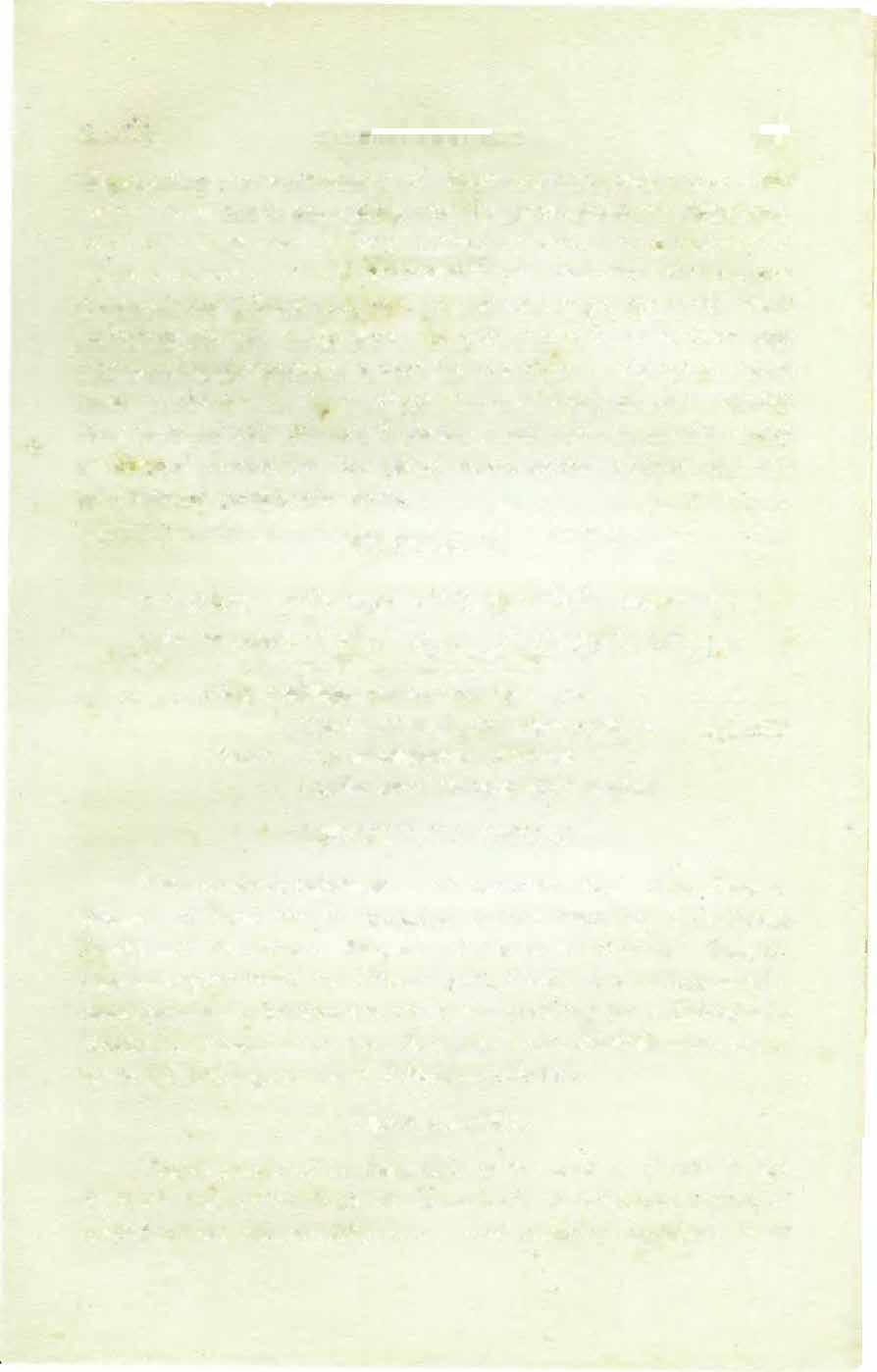
Yah sraddhaya etad bhagwatprianam Pandoh sutanam iti sampra yanam. Srinoti alauz swastayanam pavitram
Labdha harou bhaktim upaiti siddhim
ENGLISH SYNONYMS
Tah-anyone, Sraddhqya-with devotion, Etad-this, Bhagwatprianam--of ' those who are very dear to the Personality ofGodhead, Pandoh-of the Pandu, Sutanam-of the sons, Jti-thus, Samprayanam-departure for the ultimate goal, Srinoti-hears, Alam-only, Swastayanam-auspiciousness, Pavitram-perfectly pure, Labdha-by obtaining, Harou-unto the Supreme Lord, Bhaktim-devotional service, Upaiti-gains over, Siddhim-perfection.

TRANSLATION
The statement ofthe departure ofthe sons of Pandu for the ultimate goal oflife bac!t to home back to Godhead is full of auspiciousness and perfectly pure. Any one who therefore, hears
�srtitut'{ ' �ut)�'i� �ar«ll'll'� qfef,f �;�arT �"(T 1ffcta,;qfa
. ''
ll: �;a�a� 1fqarft:srlnutt q,.,,.): �ot;:rtf'ffa
f�fi'!
I I �
this narration with devotional faith do certainly over ga�ns devotional service ofthe Lord, the highest perfection of life.
PURPORT
Srimad Bhagwatam means narration about the Persona1ity of Godhead and that of the devotees of the Lord like the Pandavas and others. Such narration of the Personality of Gohead and devotees are Absolute in themselves and as such to hear about them with devotional attitudemeans to associate with the Lord and constant companionship of the Lord by the hearing process of Srimad Bhagwatam helps one to attain the highest perfection of life namely to go back to home• back to Godhead without failure.
Thus end the Bhaktivedanta Parpo•t• of the Fifte&! nth Chapter First Canto in the matter of The Pandavas Retire Timely.
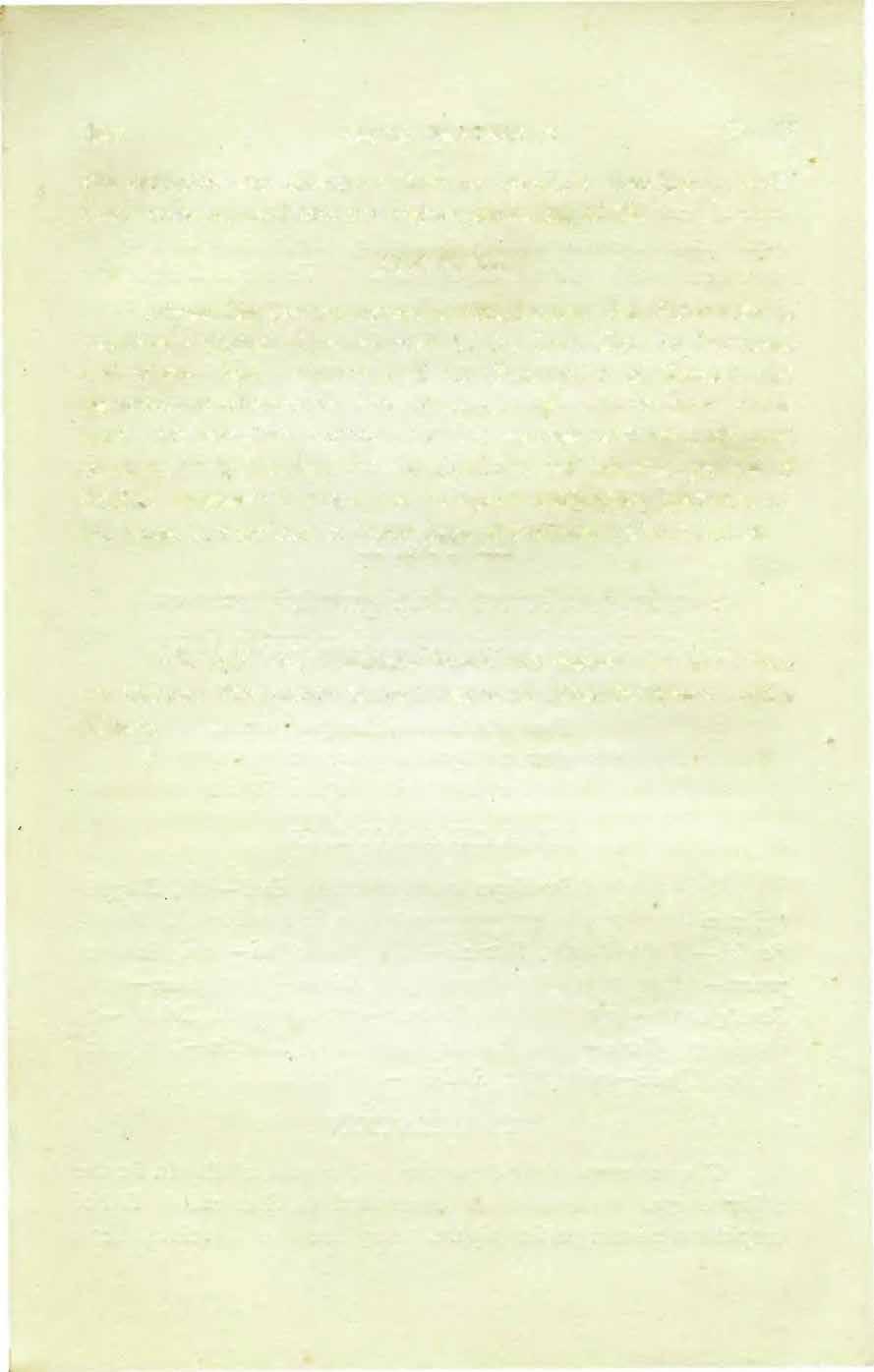
958 SRIMA.bBlU.GWATA.M [Cb. iS
SIXTEENTH CHAPTER
How ParikshltReceived theAgeofKali
TEXTNo.I �rn:q:
aa: q;ftMc{ firwqqftl�' � q�twmcm: wom �



"'�'J\NiifNiiiti.�f•c•:�TR�mrtr�Y·"� II
Suta Uvacha :
Tatah parikshit dwijavarya siksaya Mahim mahabhagwatah sasahsha ha.
'f'athahisu9am abhijat akovidah Samadishan vipra mahadgun as tatha.
ENGLISH SYNONYMS
Suta U1cha: Suata Goswami Said, Tatah-thereafter, Parikshit-Maharaj Parikshit, Dwijavarya-the great twice born Brahmins, Sikshtga-by their instructions, Mahim-the earth, Mahabhagawatah-the great devotee, Sasasha-ruled, Ha-in the past, 'ratha-as they toldit, Hi-Certainly, Suryam-at the time ofhis birth, Abhijatakavitlah-Expert astrologers at the time of birht, Samadi shan-gave their opinions, Vipra-oh the Brahmins, Mahadgunasgreat qualities, Tatha-true to that.
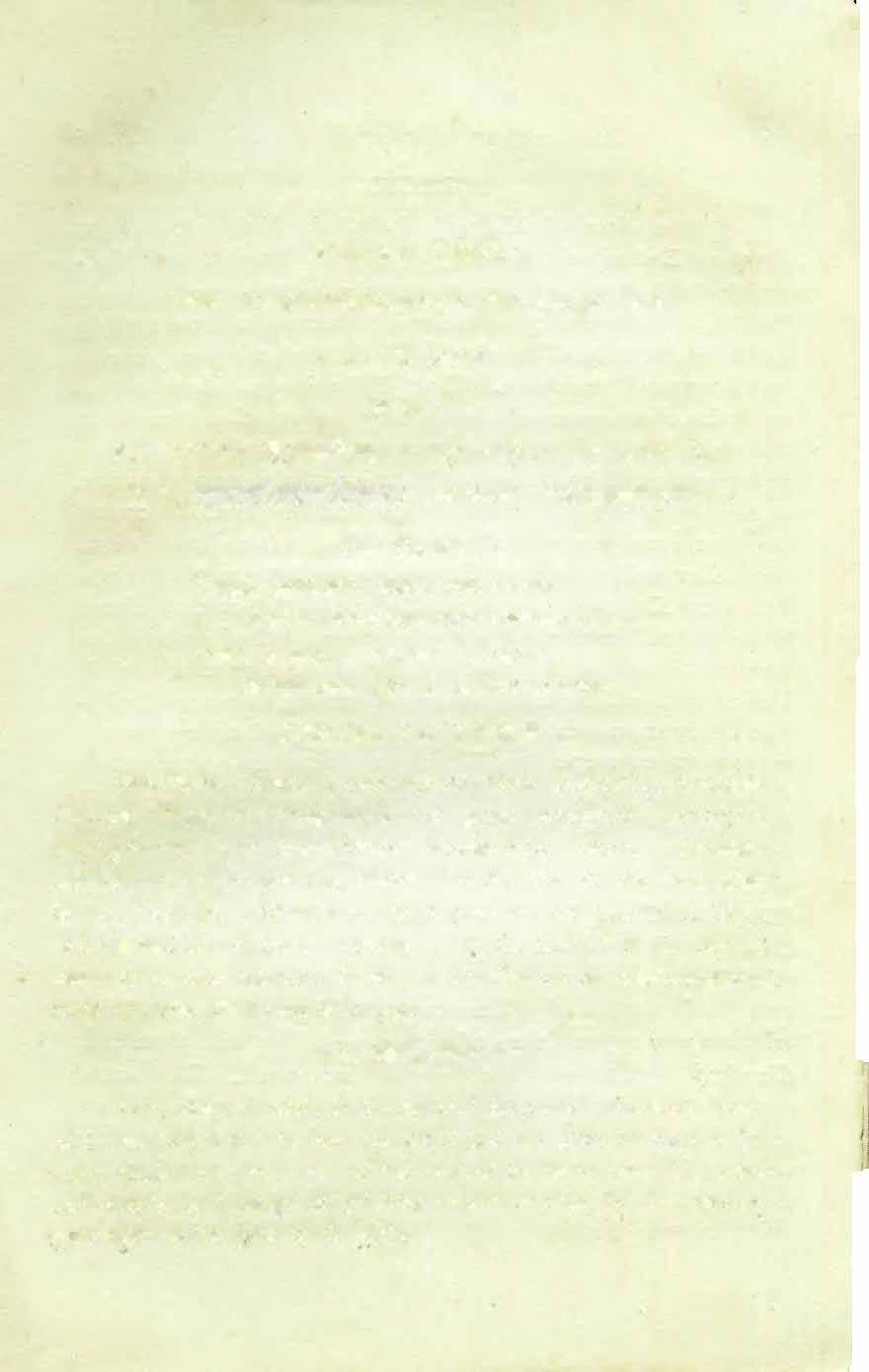
TRANSLATION
Suta Goswami said, oh the learned Brahmins, Maharaj Parikshit then began to rule over the wor1djust as a great devotee of fhe Lord, under the instructions ofthe best ofthe twice born Brahmins and exactly by those great qualiti�s as wa� foretold by the expert �strologers at !h� t�m� of��s �i�th7 ·
•
.. I 1 I, I� I
At the time of Maharaj Parikshit's birth the .expert astrologer Brahmins foretold some ofhis great Pualities and Maharaj Parikshit developed all those qualities as g_reat devotee of the Lord he w3:s. The real qualification is to become a devotee of the Lord and gradually all the good qualities, worth to possess develop in the person ofthe devotee. MaharajParikshit was a Mahabhagwat or the first class devotee who is not only well versed in the science of devotion but also able to convet others to become a devotee by transcendental instructions. Maharaj parikshit was therefore, a devotee of the first order and as such he used to consult great sages and learned Brahmins who could advice him in terms ofthe Shastra1 in the matter ofexecuting the State administration. Such great Kings were more responsible than the modern eleced executive head because theyobligad the great authorities by following their instructons standard in terms of the instructions left in r Vedic li�eratures. There was no need ofenacting daily a new legislature bill by impractical fools and alter it again and again convenietnotlyto serve somepurpose, Therulesand regulation s were already done by great sages like Manu, Yajnvalka, Parasar and other liberaled great sages and the enactments were all suitable for all the ages in all the places. Therefore the rules and regularions were standard to the point without any flaw defect or mistake. Kings like Maharaj Parikshit had their council of advisers and all the members ofthose council were either great sages or Brahmins ofthe first order. They di d not accept any salary nor they had any necessity for such salaries. Thestatewouldgetthe be�t advice withoutanyexpenditure ofexchequer. They were themselves Samadarsi equal to every one both man and animal. They would notadvise the king to give prote ction to man member of the state and ".instruct him tokill the poor animals. Such council members were not fools or representatives to compose a fool's paradise; but they were all self-realised souls and,they knew perfctly well how all livln� beings in the state would be happy both �n this life <t.S w�IJ a�
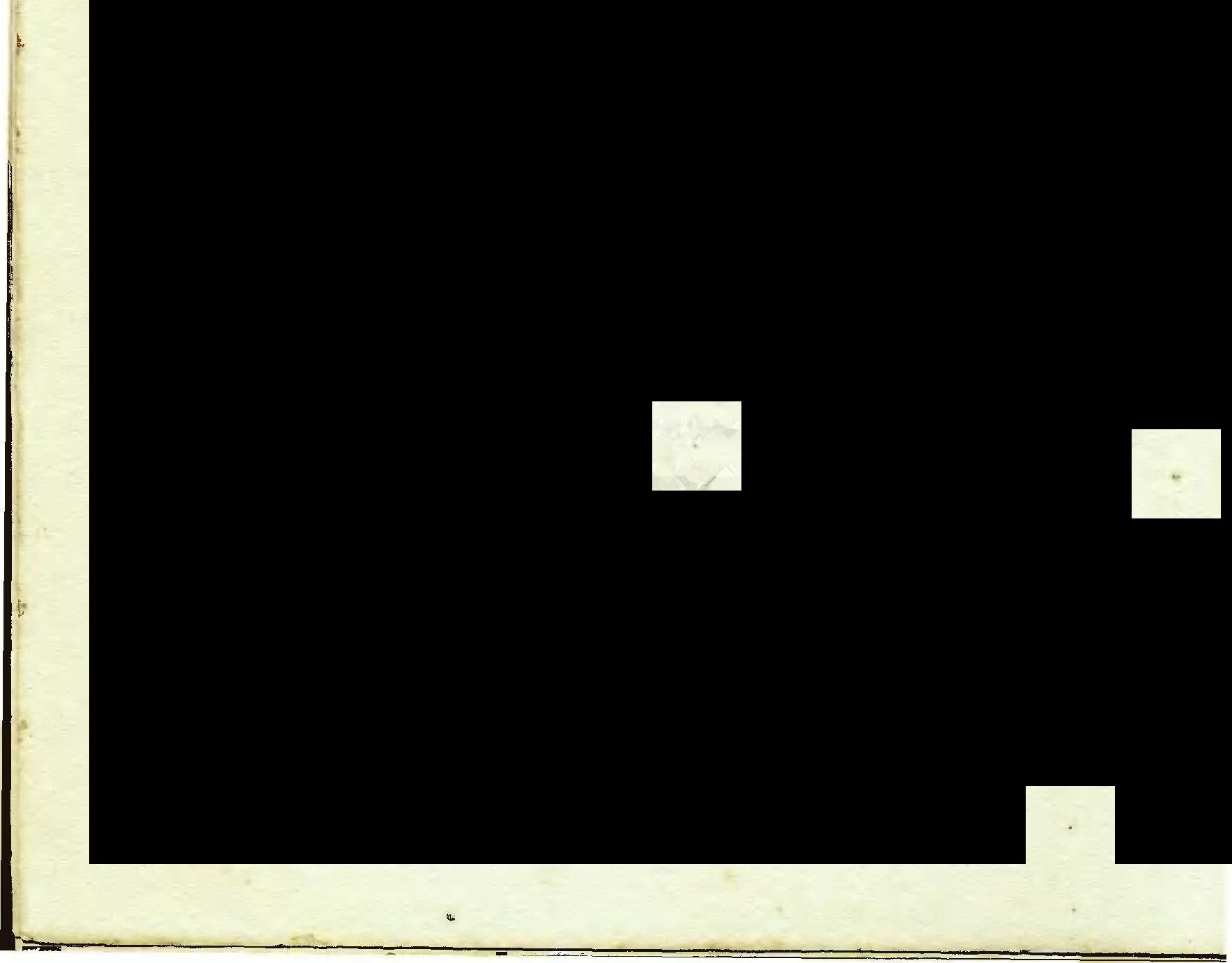
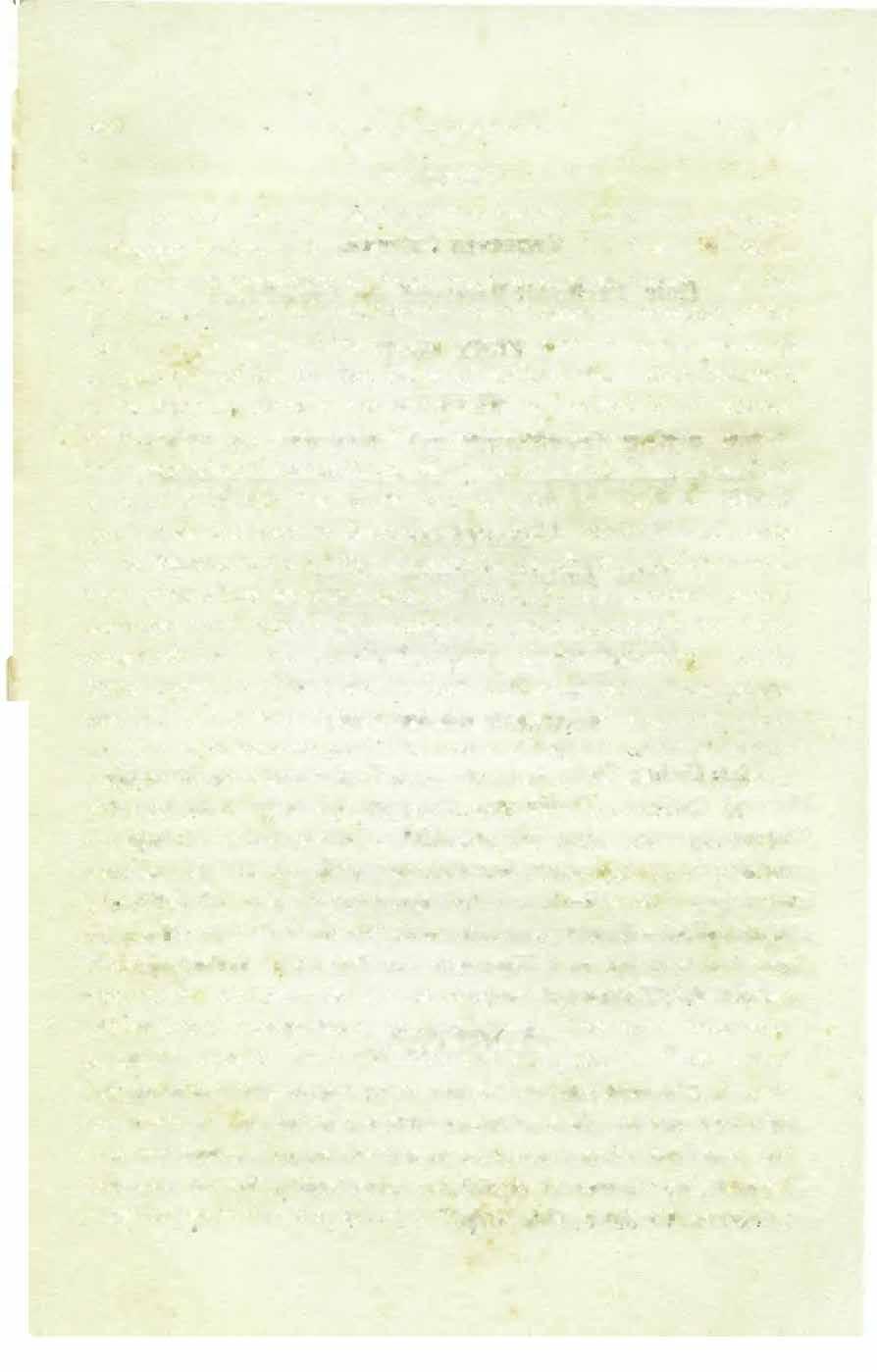
960 SRIMAD BHAGWATAM
16
PURPORT (Ch.
in the next. They were not concerned with the hedonic philosophy ofpleasure hunters to eat drink be merry and enjcy. They were philosophers in the real sense and they knew it well what is the mission of human life. Under all these obligations the advisory council ofthe King would give correct direction and the King or executive head being himselfa qualified devotee of the Lord would scrutinsingly follow them for the welfare of the state. The state in the days of Maharaj Yudhisthir or that ofMaharaj Parikshit were welfare state in the real sense of the term because no body was unhappy in that state may he be a man or animal. Ma�araj Parikshit was an ideal king of an welfare state of the world.
TEXTNo.2
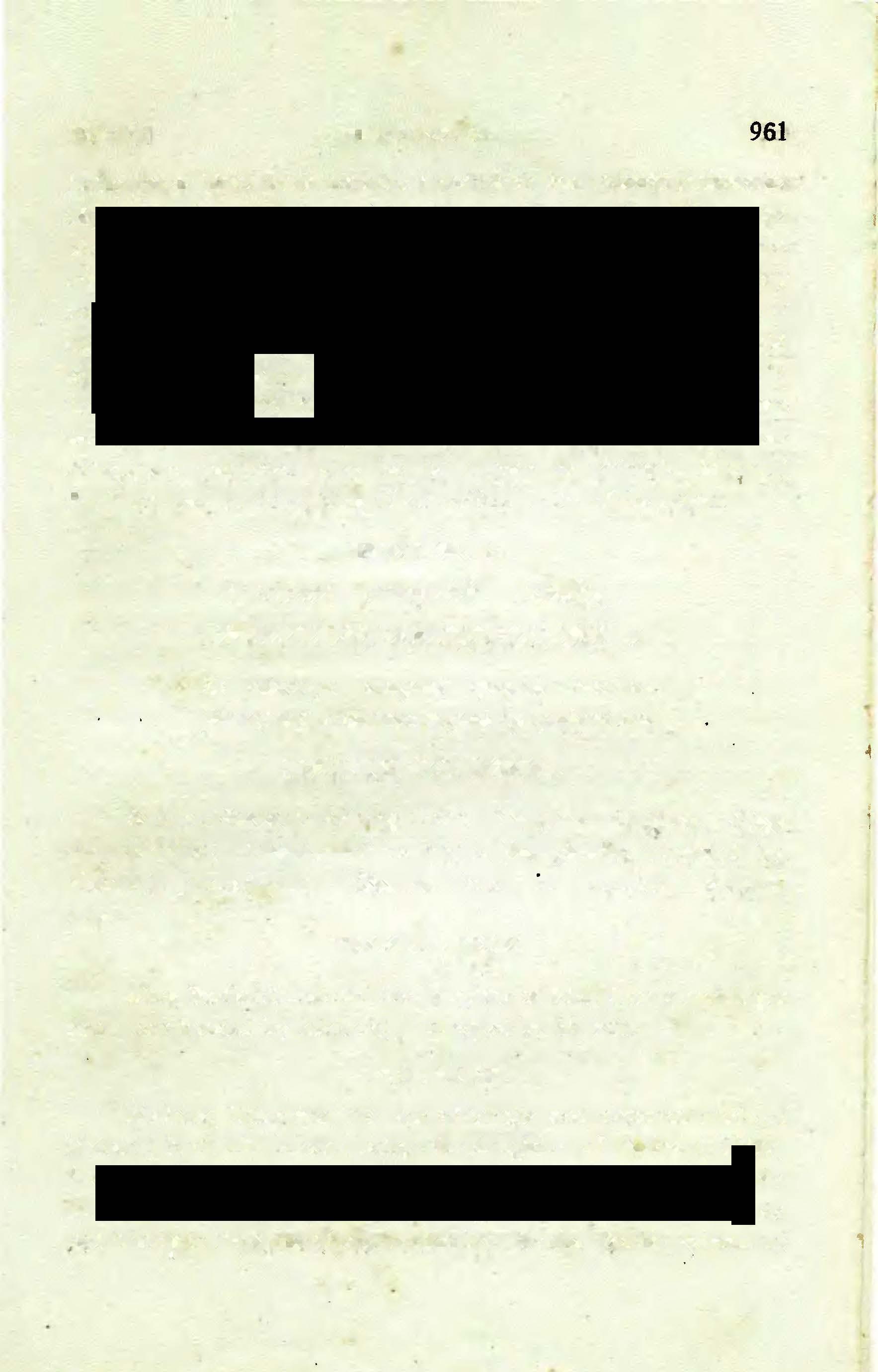

Sa uttara rya tanayam upayeme irabatim JanmeJandins chaturas tasyam upapadayat sutan.
ENGLISH SYNONYMS
Sa-he,Uttara-!)'a-ofking Uttar, Tanayam-daughter, Upayeme-married, Iravatim-ofthe name, JanmeJaydins,-headed by, Maharaj Janmejaya, Chaturas-four m number, Sutamsons.
TRANSLATION
King Parikshit married the daughter ofKing Uttara and begot four sons headed by Maharaj Janmejaya by his wife.
PURPORT
Maharaj Uttar was the son ofVirata and maternal uncle of Maharaj Parikshit. Iravati being the daughter of Maharaj Uttar, she was the cousin sister of Maharaj Parikshit but such cousin brothers and sisters are allowed to get married because they do pot belong to the same Gotra or family. In the Vedic system of ..
: �·
Text 2] FmST CANTO 961
� ����tr �iitl'T�qqi{ ��lq�l'{ l iif'lit\lllfT�1�:qg��a�trl§tqli{tl'C( ��T'l ll
I
marriage imporetanc ori different Gotra or family is stressed. Arjun also married Subhadra �lthough she was his maternal cousin sister.
Janmejay.-One ofthe Rajarshi kings and the famousson of Maharaj Parikshit. His mother's name is Iravati or according to some Madravati. Maharaj Janmejay begot two sons only ofthe names Jnatanika and Sankukarna. He celebrated several sacrifices in the Kurukshetra pilgrimage and he had three younger brothers ofthe names Srutas�ena, Ugrasena and Bhimsena II. He invaded Taxshlla (Ajanta) and he decided to retaliate the unlawful curse upon his great father Mabaraj Parikshit and performed a great sacrifice ofthe name SarpaYajna to kill the race of serpents incJuding the Takshak who had bitten his father to death. On request from many inflneutial demigods and sages he had to change his decision for finishing the race of the snakes but inspite ofstopping the sacrifice he,satisfied every one concerned in the sacrifice by rewarding them properly and stopped further procedure ofthe sacrifics. In the ceremony Mahamuni Vyasdeva also was present and he persomally narrated the history of battle of Kurukshetra before the king. Later on by the order of Vyasdeva his disciple Vaisampayana narrated before the king about the subject matter ofMahabharata. He was much afflicted by his great father's untimely death and was too much umxious to see him agsin and he expressed his desire before the great sage Vyasdeva. Vyasd· eva also fullfilled his desire.His father being present bef()re him he worshipped both his father and Vyasdeva with great respect and pomp. Being fully !satisfied shout his greal father he made charities most munificently to the Brahmins presnet in the sacrifice,
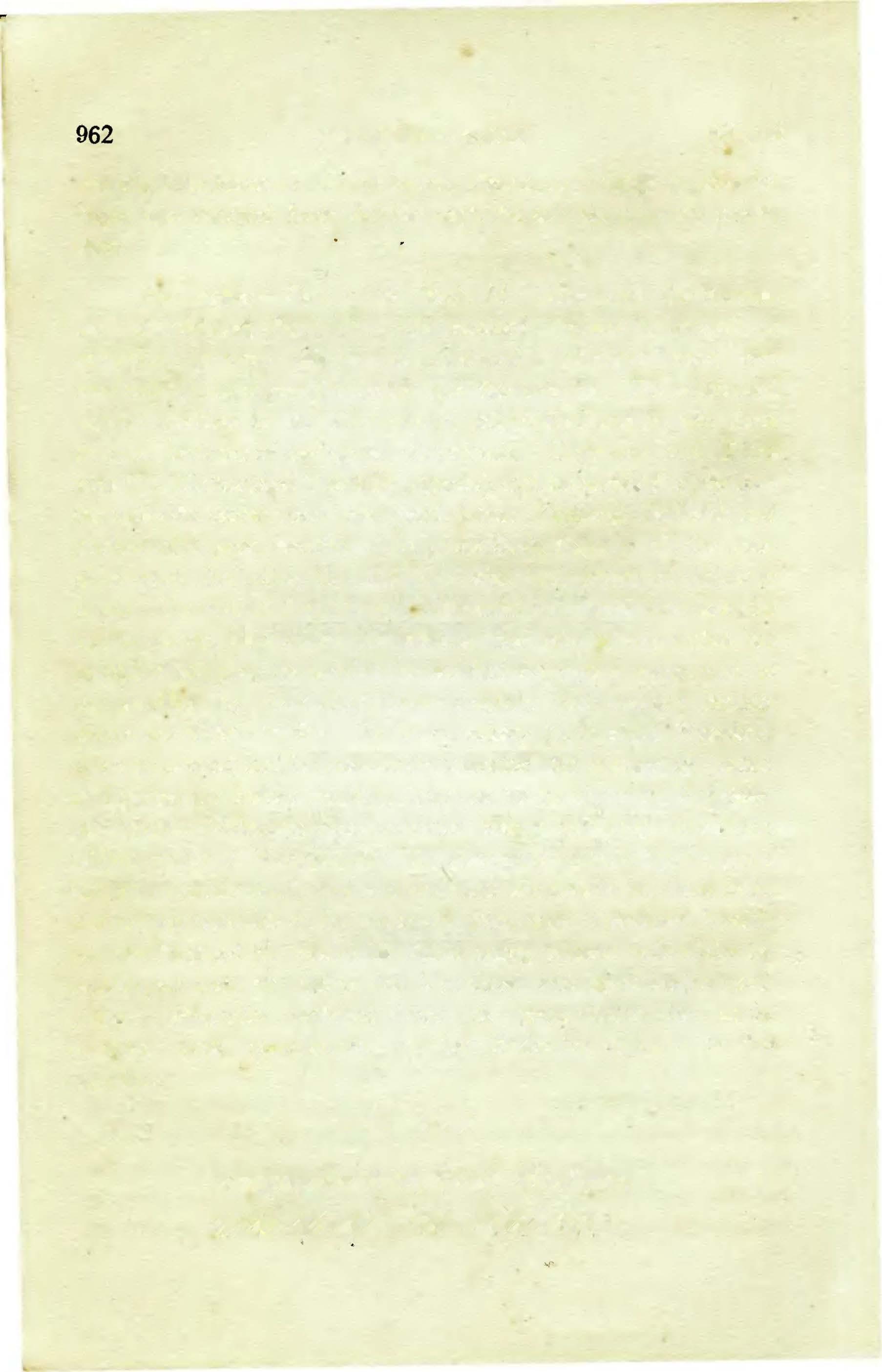
962 SRIM.ADBBA.GWA.TA.M [Ch. 16
TEXT No. 3 aT�ifm•mtl;f �mllf �mmvtr� � ����·,�.-r ��f�q)�:•!
FIRSTcANTO
Ajahara aswamedhan strin gangayam bhuri dakshinan Savdbatam gurum kritwa devayatra akshigocharah.
ENGLISH SYNONYMS
963

AJahara-performed, Aswamedhan--horse-sacrifices, Strin-three Gangayam-the bank ofthe Ganges, Bhuri-sufficiciently, Dakshinam-rewards, Sardhatam-unto Kripacharya, Gurnm-Spiritual master, Kritwa-having selected, Deva-the demigods, Tatra-wherein, Akshi-eyes, Gocharah-within the purview.
TRANSLATION
Maharaj Parikshit after having selected Kripacharya as his spiritual master, for guidance, performed three horse-sacrifices on the bank ofthe Ganges executed with sufficient rr:wards for the attendants. And in these sacrifices · even the common man could see demigods within the purview oftheir vision•
It appears from this verse that interplanetary travel by the denizens ofhigher planets is easier than that of the inhabitants ofthis earth. In many places in the statements of Bhagwatam, we have observed that the demigods from heaven used to visit this earth to attend sacrifices performed by influential kings and emperors. Herein also we find that during the time of horsesacri:fice ceremony of Maharaj Parikshst the demigods from other planets were visible even for the common man on account ofthe sacrificial ceremeny. The demigods are net generally visible to common as muchas the Lord is not vistble But as the,Lord also, by His causelessmercy, descends to be visible by t�e common man, similarly the demigods alsobecome viJible to thecommon man by their own grace. Although Celestial beings are not visible to the naked eyes ofthe tnhabitants of this earth, it was due to the influence of Maharaj Parikshit that the demigods also agreed to be visible. The k�ngs used to spend very lavishly during suc4

Txet
3]
. PURPORT
sacrifices as much as the cloud distribute rains. The cloud is nothing but another state ofthe reservoires ofwaters or in other words thesea waters ofthe earth transform into doud, similarly the charity made by the kings in such sacrifices is but another form ofthe taxes collected from the citizens. B:1t asthe .rains fall down very lavishby and it appears to be more than the necessity, similarly the charity made by such kings, do also seem to be more than what the citizen needs. Such satisfied citizens ofthe state can never organise any sort of agitation against the king and thusthere was no need of changing the monarchical state in to oligarhical state ofa few deplomats.
Even for a king like Maharaj Yudhisthir there was need of the spiritual master for guidance. Without such guidance no body can make any progress in spiritual values The spiritual master must be bonafide and one who wants to have self-realisation must approcah and take shelter of such bonafide spiritual master for achieving real success.
TEXT No. 4

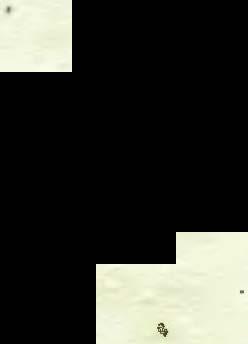


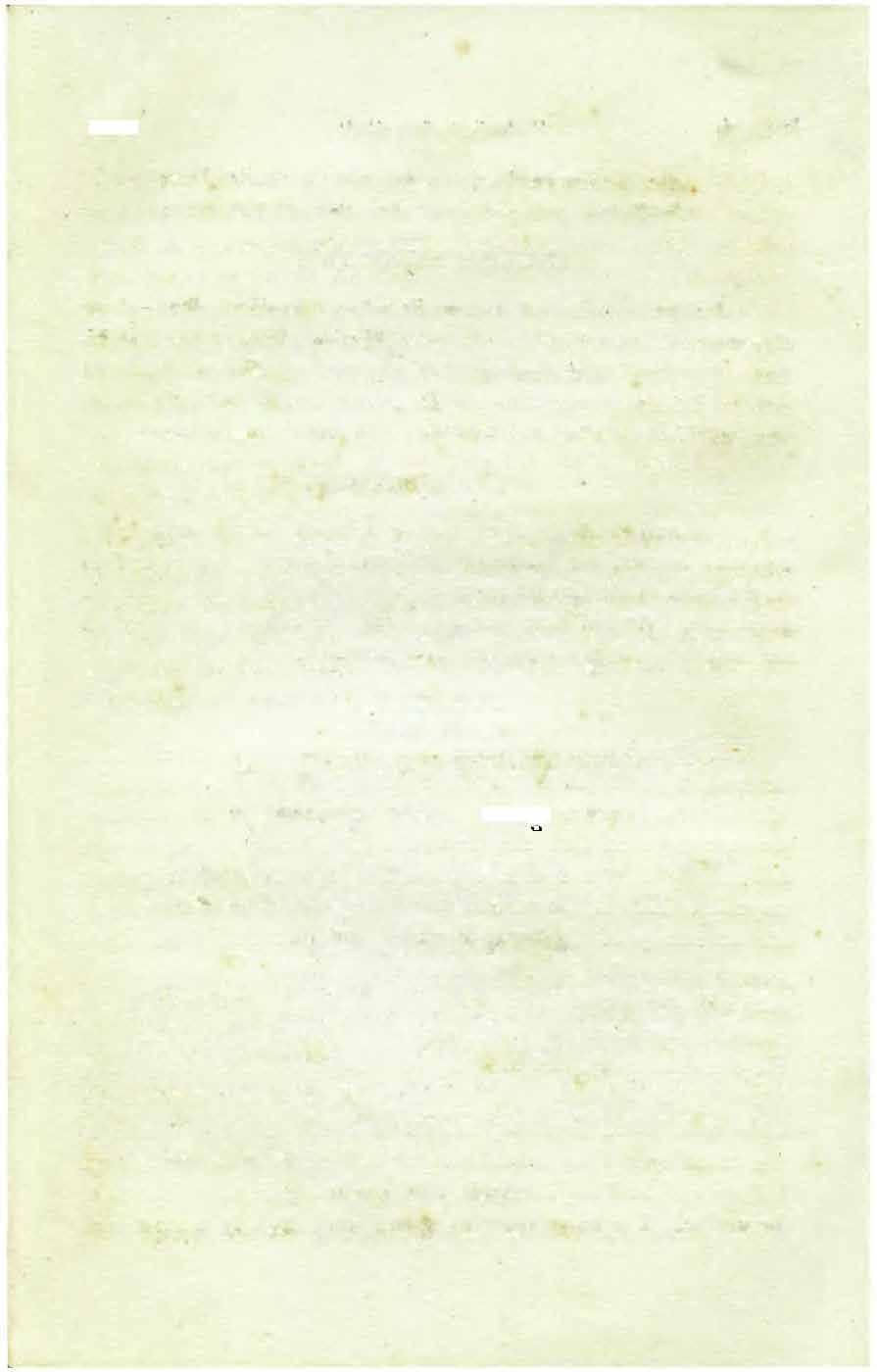
Nijagraha ojasa virah kalim digvi jeye kwacnit Nripalingadharam sudram ghnantam gomithunam pada.
ENGLISH SYNONYMS
.Nijagraha-sufficiently punished, Ojasa-by prowess, Virahvalient hero, Kalim-un}o kali the master of the a�e, Digvijaye-on his way for conquering the world, Kwachit-once upon a time, Nripalingadharam-one who passes on in the dres-; of a king, Sudram-the lower class, Ghnantam-hurting, Gomithunam- a pair ofcow and bull, Pada-by the leg.

TRANSLATION
Once upon a time when Maharaj Parikshit was on his way to
SBIMAD BHAGWATAM [Ch. 16
f�«t�Tif«T CIT'(:�f� fq:f'C(Sf�'f'ff� • ;rqft;tq'( �� �;6 fq qqt •• • � -
conquering the world he saw the master ofKali Age as lower as a Sudra but in the dress ofa king hunting a pair of cow and bull by the leg. The king at once cought hold of him and sufiiciently punished.
PURPORT

The purpos�" ofa king's going out for conquering the world is not for self-aggrandisement. Maharaj Parikshit went out for conquering the world after his ascendance ·on the throne, was not for the purpose ofaggression on other states. He was the emperor of the world and all small states were already under his regime. His purpose ofgoing out for conquering the world was to see how things were going on in terms of Godly-state. The king being the representative of the Lord, he has to �ex�cute the "'ill ofthe Lord duly and therewas no question ofself-aggrandisement. As such Maharaj Parikshit as soon as, saw it thata lower class man in the dress of a king was hurting by leg to the pair ofcow and bull at once he arrested him and punished. The king cannot tolerate insult to the most j mportant animal the cow as much as he cannot tolerate disrespect for the mo�t important man the Brahmin. Human civilization means to advance the cause of Brahminical culture and to maintain it, protection of cow is e�5ential. There is a miracle in the milk a� it contains all the necessary vitamines for sustaining the human physiolngical conditions for higher achievements. Brahminical culture can only be advanced when man is educated to develop the quality of goodness and for this there is prime necessity offoodstuffprepared with milk, fruits and grains. Maharaj Parikshit was astonished to see that a black Sudra dressed himself like a ruler but was attempting to insult the cow the most important animal in the human society.
The age of Kali means mismanagement and quarrel. And the root cause ofall mismana�ment and quarrel is that �orthless men qualified with the modes oflower class ofmen, without any higher ambition of life becomes on the helm ofthe state �anagement to
Text. 3) FIRST CANTO 965
.I
represent falsely the ruler. Such lower class ofman on the post ofa king is sure to hurt first the cow and the Brahminical culture and thereby to push the whole society towards hell. Maharaj Parikshit, trained up as he was, got scent ofthis root cause ofall quarrel in the world and thus he wanted to stop it in the very beginning ofthe affairs.
TEXT No.5

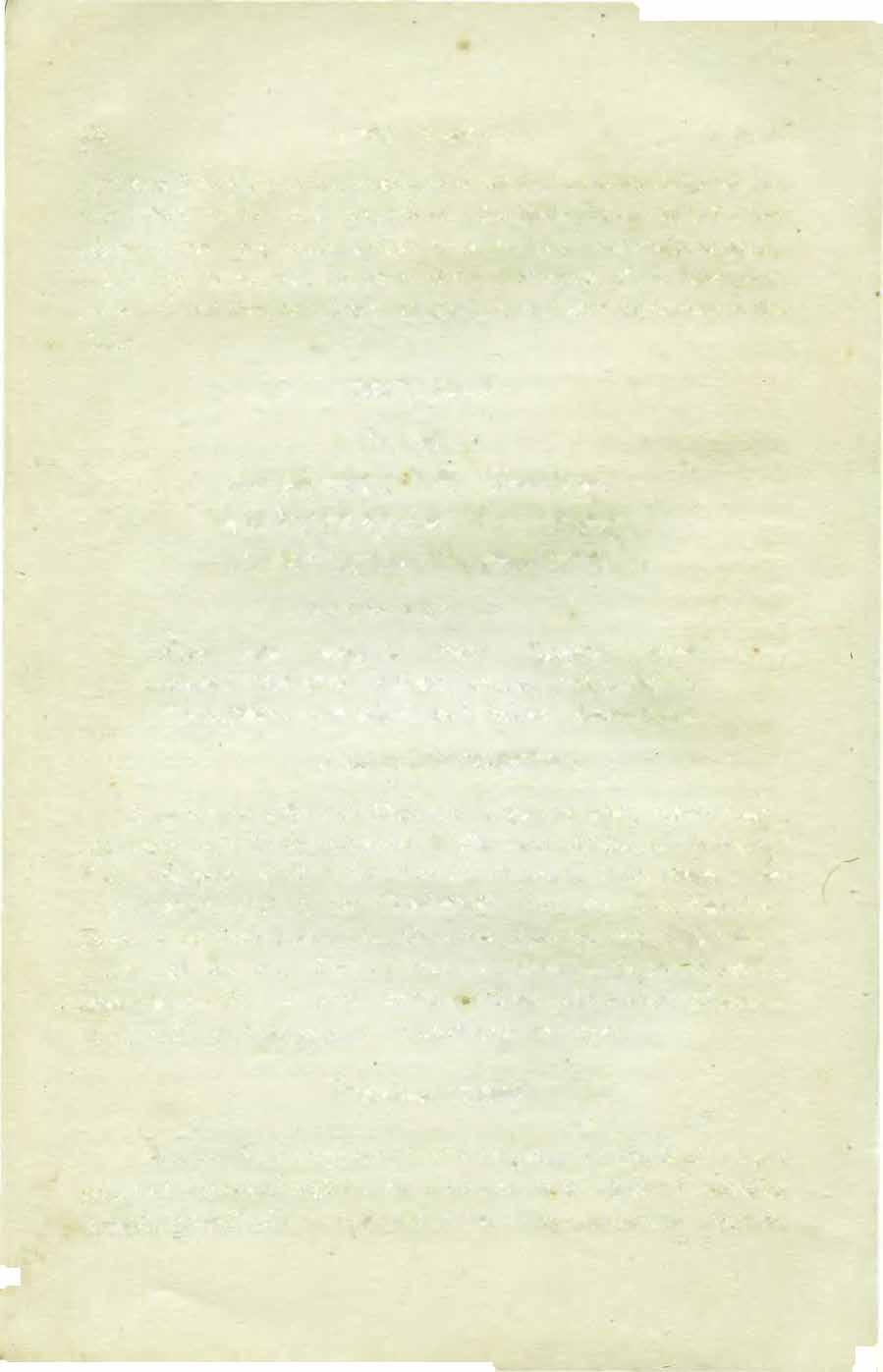
�r<rilfi�=t:r:
Sounaka uvacha :-
Kasya hetor nYagraha kalim digvijaye nripah
Nrideha chinhadhrik sudraka asou gam yah padahanat
Tat katthatam mahabhaga yadi krishna kathasrayam.
ENGLISH SYNONYMS
Sounakauvachaa-SounkaRishisaid, Ka.rya--forwhat, Hetor--reason, .Nijagraha-sufficiently punished, Kalim-the master of the age of Kali, Digvijaye-during the time of his world tour, .Nripah- the king, Nrideha-royal person, Chinhadhrik-decorated like, Sudrakalowest ofthe l::ludra, Asou-he, Gam--cow, Tah--one who, Padahantastruck by the leg, Tat-all that, Katthatam-piease describe, Mahabhaga-Oh the great fortunate, Tadi-ifhowever, Krishnaabout Krishna, Kathasrayam-re1ated with his topics.

TRANSLATION
Sounaka Rishi enquired, ''Why did,Maharaj Parikshit simply punished him although he was the lowest ofthe Sudra because he dressed himself like a king and at the same time struck a cow by
966 SRIMADBHAGWATAM (Ch. 16
���r��'� �r� Rfte(;[ir,q:. '!��f;:rQ�'e!��iilliTS«T 'lilf: 'RT@"q1 a�!ifi�ll'ai "�""" ltRIJf!�ffittTlqlt, ••
��ll
the leg ?" and said '1 please decsribe all those incidences ifthey are related with the topics ofLord Krishna.
PURPORT
Sounakadi rishis were astonished to hear that the pious king Maharaj Parikshit simply punished the culp.it &uffciently and not killed him. This suggests that a pious king like Maharaj Parikshit should have at once kiHedan offenderwhowanted to cheatthe public being dressed like a king and at the same time dare to insult the purest of the animal like a cow ! The Rishisofthose days, however could not fven imagine that in the advanced days ofthe age of Kali lowestofthe Sudrasshall be elected as admistrators and open organised slaughter houses for killing the cow (?) Any way although such topics, as to hear about a Sudraka who was cheat and insulter ofa cow, were not very much nteresting for the greatrishisstill they wanted to hear about it ifthe event had any connection with the topics ofLord Krishna. They were simply interested in the topics of Lord Krishna and any thing that is dovetailed with the narration of Krishna was worth hearing for them. There are many topics in the Bhagwatam about sociology, politics, economy, cultural affairs etc but all ofthem are in relation with Krishna and there fore all of them are worth hearing. Krishna is the purifying in gredient in all matters never mind what it is. In the mundane world everything is impure on account of its being product of three mundane qualities. The purifyfr1g process IS, however Krishna.
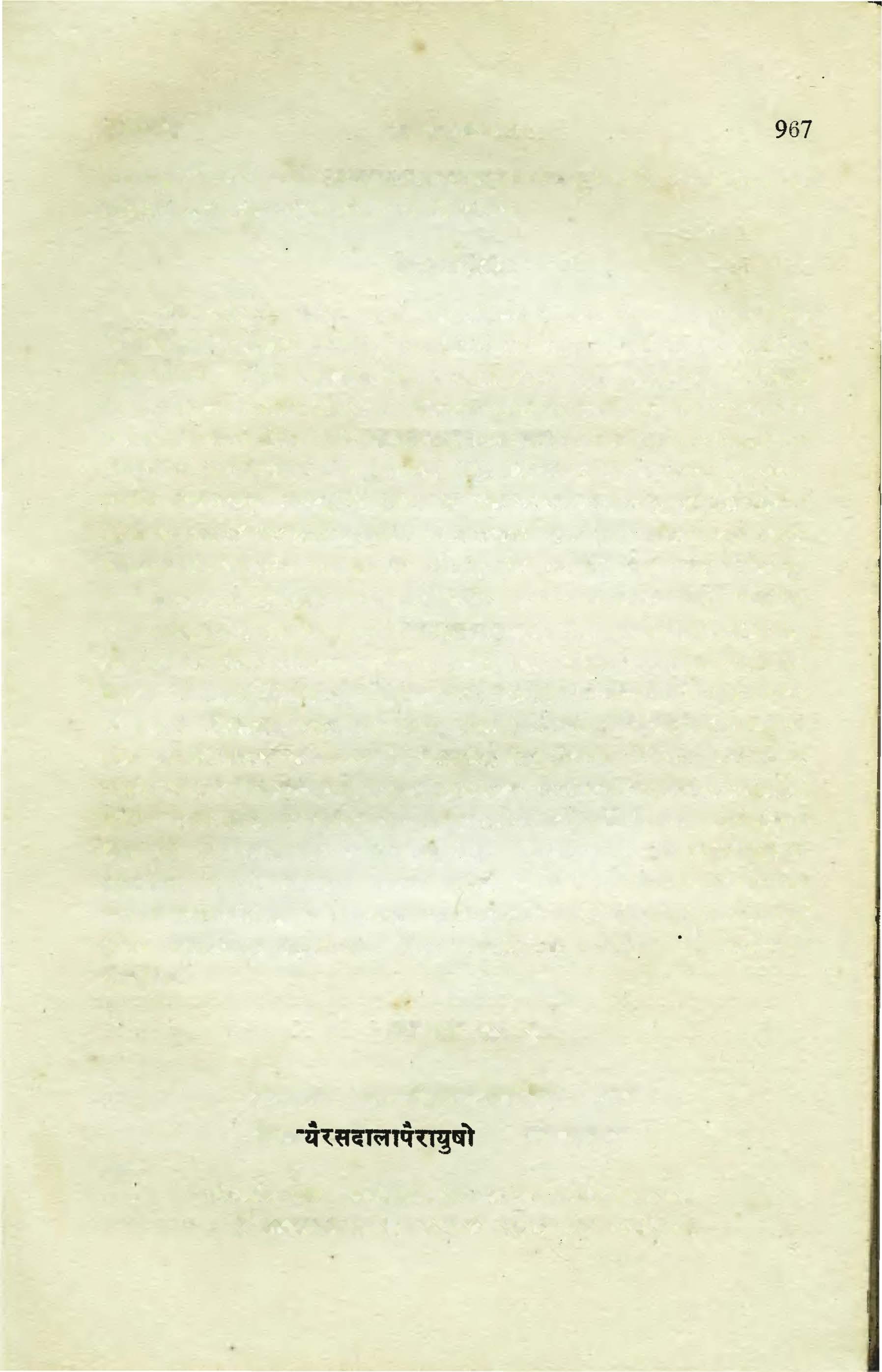
Text 6] FIRST CANTO 967
!A''t'f1'!1'fftrniht*f�fiwf� ��r�t f'fl+i..Qo�ti41\'11ct(l�l!l') tr<f�alltr: II Athaha a.rya padamhh�ja makaranda!jham satam l(imanlaih asada alapair ayuso _yad asadbyam.
TEXT No. 6
ENGLISHSYNONYMS

Athaba-otherwise, A.rya-of Him ( Lord Krishna's) Padambhoia-lotus feet, Makaaradaliham-of the those who lick up the honey out of sucll lotus flo\'vTr, Satam-of those who are to exist eternally. Kimanyair-what is the use ofanything else, .Asadillusory, Alapair-topic�, Ayuso-of the duration oflife, rad-that which is, Asadbyam -unnec::essary waste oflife.
TRANSLATION
Alternatively ifthey are related with the devotess ofthe Lord who are accustomed to lick up the honey available from the lotus feet ofthe Lord ; otherwise what is the use ofsuch topics which are simply meant for waste ofthe duration of valuable life.
PURPORT
Lord Krishna and His devotees both are on the trancendental plane therefore, the quality ofthe topics ofLord Krishna or that of his pure devotess are equally good. The battle ofKuruksnetra is full ofpolitics and deplomacy but because the topics are related with Lord Krishna therefore the Bhagwat Geeta is adored all over theworld. There isno ::1eed oferadicatingpolitics economicssociology etcwhich are undane to the mundaners but to apure devotee who is actually related with the L')rd, such mundane things are transcend. ental if dovetailed with the Lord or with his pure devotee. We have so far heard and talked about the activities ofthe Pandavas and we are dealingwith the topics ofMaharaj Parikshit but because all such topics are related with th:; Lord Sn Krishna they are all transcendental talks and pure devotees have every interest in hearing them. We havealready discussed this matter in connection with the prayersof�hismadeva.
Our duration oflife is not very Ion� and there is no certainty when ;-ve . shall be ordered to leave everything for the next stage. As st�ch 1t IS our duty to see tqat qot� mo�ent eve:q of our life lS
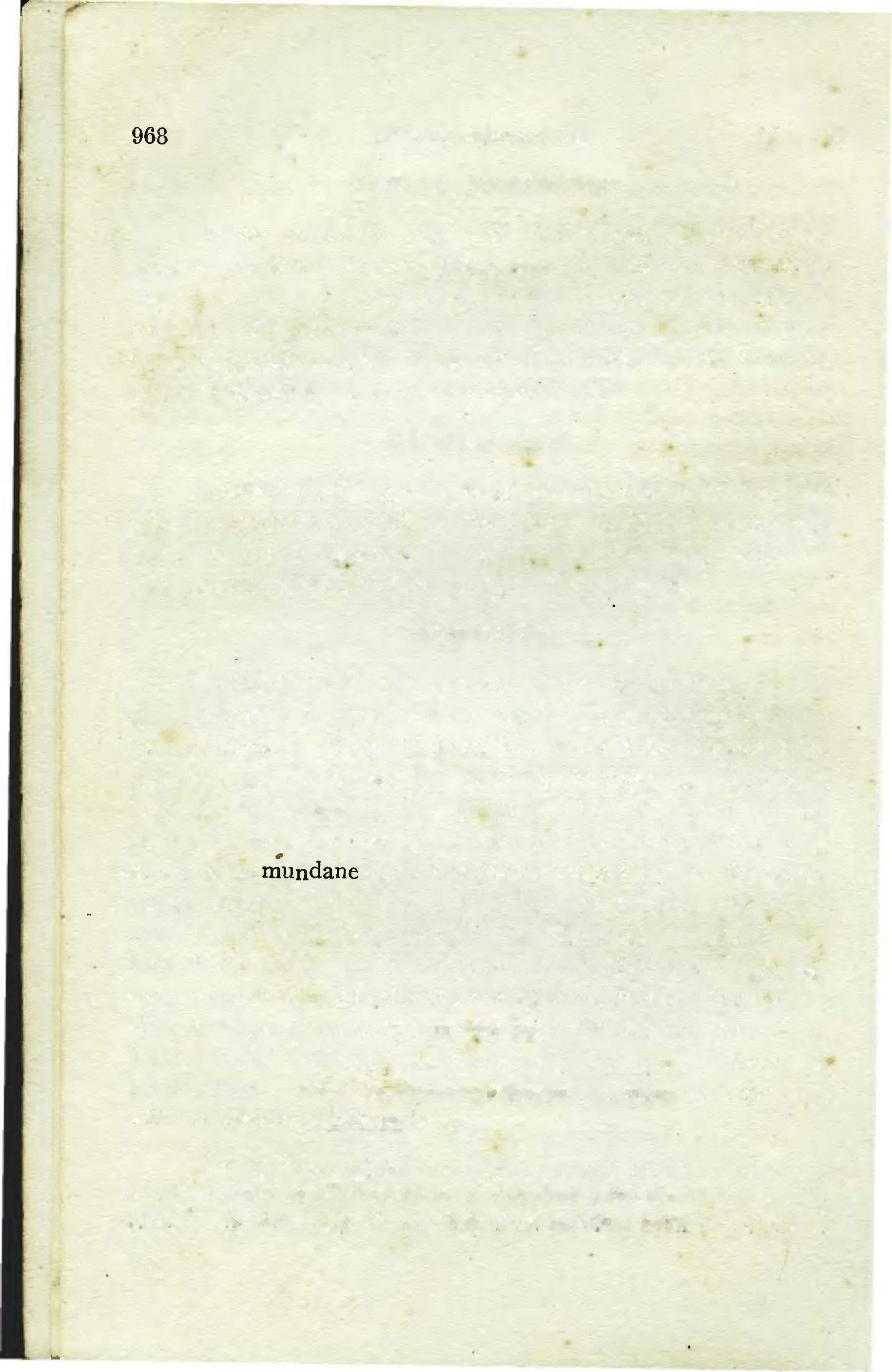
... 968 SRIMAD
16
BHAGWATAM . [Ch.
wasted in topic which are not related with Lord Krishna. Any topics however:pleasant is not worth hearing ifsuch topic is devoid ofthe relation of Krishna.
Explanation ofthe lotus feet ofLord.Krishna is that the spintual planet Goloka Vrind,.ban, eternal abode ofLord Krishna, is shaped like a the whorl ofa lotus flower, Even when the Lord descends on any one ofthe mundane planes, He does so by manifesting His own abode as it is. As such His feet remain always on the same big whorl of lotus flo"V'er and His feet are a]so as beautiful as the lotus flower.
A Jiving being is eternal by constitution. He is so to say in the whirlpool of birth and death on account ofhis contact with material energy. Freed from such ma�erial energy a living entity is liberated and is eligible for returning back to home back to Godhead. Those who want to live for ever withoutany change ofmate· rial body, may not waste valuable time of ]ife in any other topices except in those relating to Lord K.rishna and His devotees.
TEXT No. 7
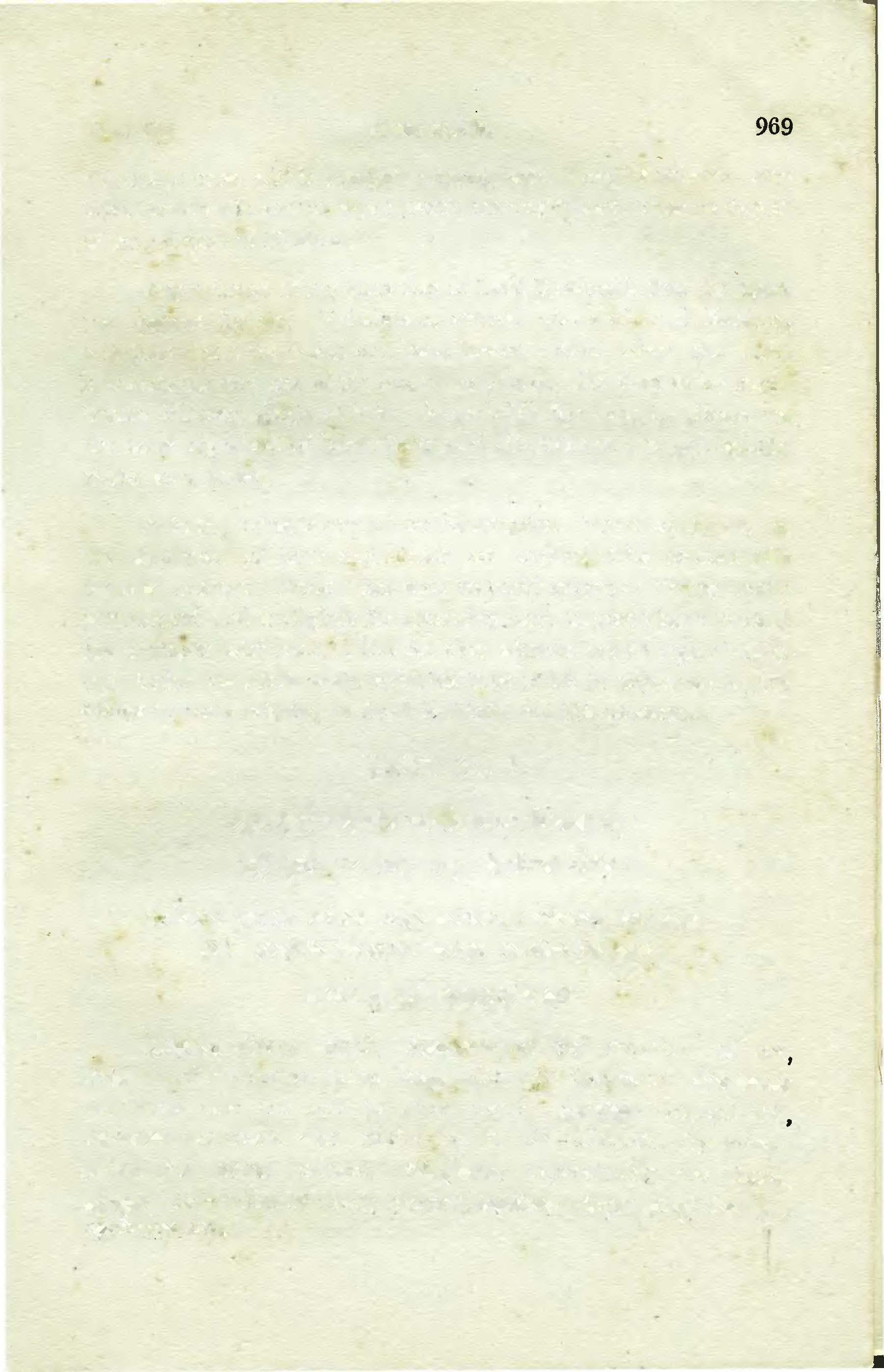
�il�t:{f
t�)t:r8'a) +T1let"T9: �t�: �TfltSJ�qfur
J(shudraayusam nrinam a;1ga martanam amritam ichhatam
Jha upahrito bhagrian mrityu samitra karmani.
ENGLISH SYNONYMS
Kshudr.'l-Very sm :tll, Ayusaam-of the duration of life, Nrinam-ofthe humanbein�, Anga-0'1 sutaG::>Swami. Martanam -ofthose who are wre to meet death, Amritam-eternal life, Ichhatam-of those who de� irefN it, Iha - Ht>reein, Upahritoca1led for being present, Bhagawan-representing the Lord, Mriryu-Controller of death Yamraj, Samitra-Supressing, Karma� performances, · · ·· -
Text 7] FffiST CANTO 969
'!vrtiitT lttlff•:nq�a-fl=f::euatl{ '
TI
•
Oh Suta Goswami, there are persons amongst the human being who desire freedom from death and get eternal life instead of short duration oflife1and to save them from such slaughtering process the controller of death Varna Raja is also called herein.

PURPORT
The living entity as it develops from lower animal life to higher human being� and gradually to higher intelligence, becomes anxious to get rid from the clutches of death. Modern scientists try to avoid death by physio-chemical advancement of knowledge but alas the controller ofdeath Yamaraj is so cruel that he does not spare even the very life ofthe scientist himself. The scientist who puts forward the theory of stopping death by advancement ofscientific knowledge, becomes himself a victim ofdeath when he is called by the Yamaraja. What to speak ofstopping death no body can even enhance the short period oflifeeven by a fraction ofmoment. Theonly hope ofsuspendingthe cruelslaughtering process ofYamaraj is to call him for being in the matter ofhearing and chan�ing the holy Name ofthe Lord. Yamaraj is a great devotee ofthe Lord and he likes to be invited by the pure devotees who are constantly engaged in devotional service of the Lord. Tt us the great sages headed by Sounaka and others invited Yamaraja to attend the sacrifice performed at Naimisaranya and it was good for those who did not want to die.
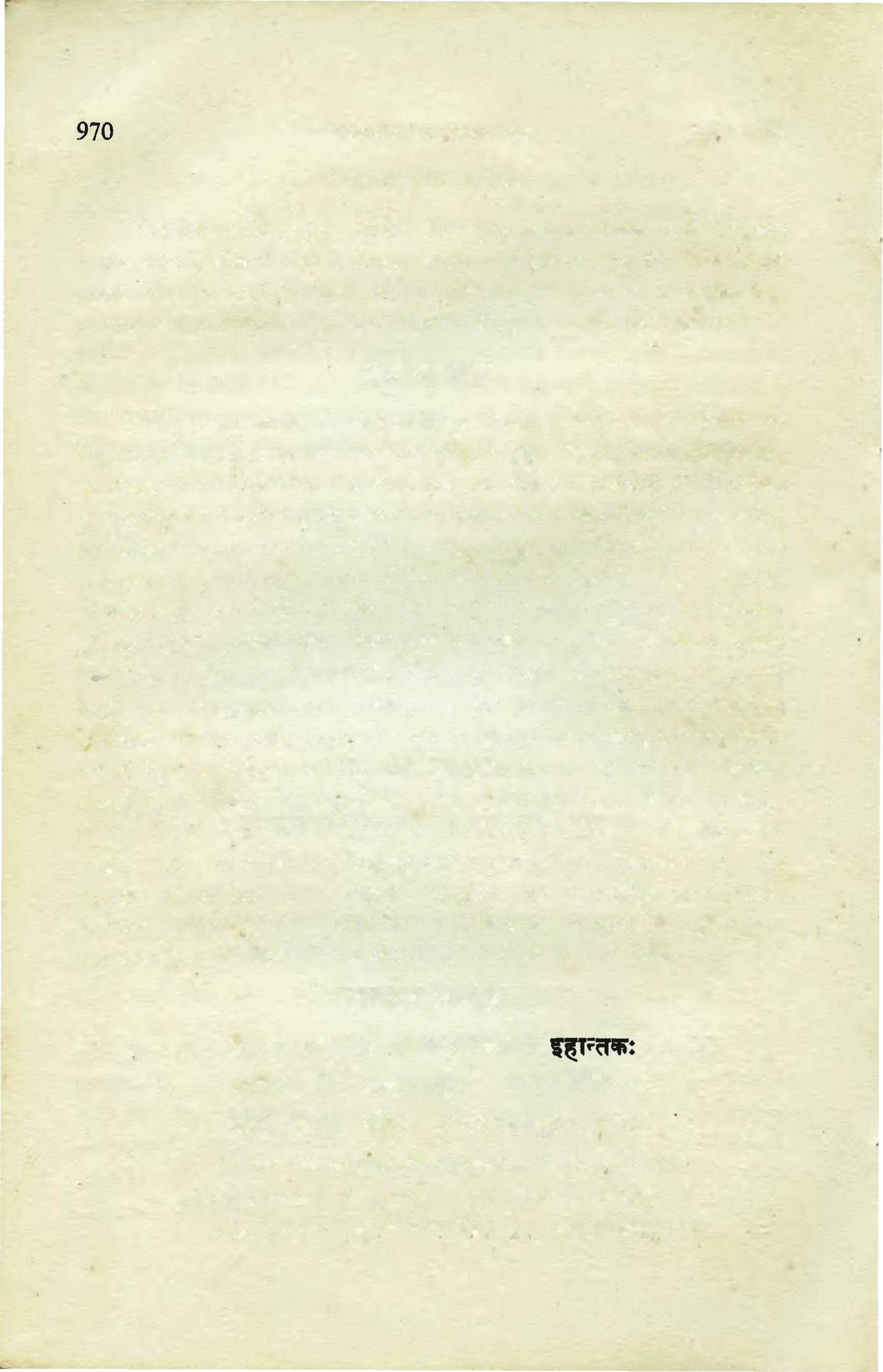
970 SRIMADBHAGWATAM
16
[Ch.
TRANSLATION
No. 8 �l!fl��fi'wlf� a-mqf�(lf QT"alfi: • �q� f� 1ftl�tga: 'f{q�: a 9;1�) '!�)� q\'Jia �f'(�,��a Gtrer:', Na kasclzit mriyatetavatyavatastaiha antakah Etad artham hi bhagwan ahutam paramarsihhih tiho nriloke Pi.!eta hq,rili/4 r;tmrit4rn vqchq,h,
TEXT
ENGLISHSYNONYMS
Na-no, Kaschit-any body, Mriyate-wiJI die, Tavat-solong, ravat-as long as, Asta-is present, /ha-herein, Antakahone who causes end of life, Etad-this, Artham-rcason, Hi-cert· ainly, Bhagawan-the representative ofthe Lord; ..Ahutam-invited Paramarsihhih-by the great sages, Aho-alas, Nriloke-inthehuman society, Pfyeta-let them drink, Harilila-transcendental pastimes of the Lord, Amritam-nectarine for eternal life, Vachahnarrations.
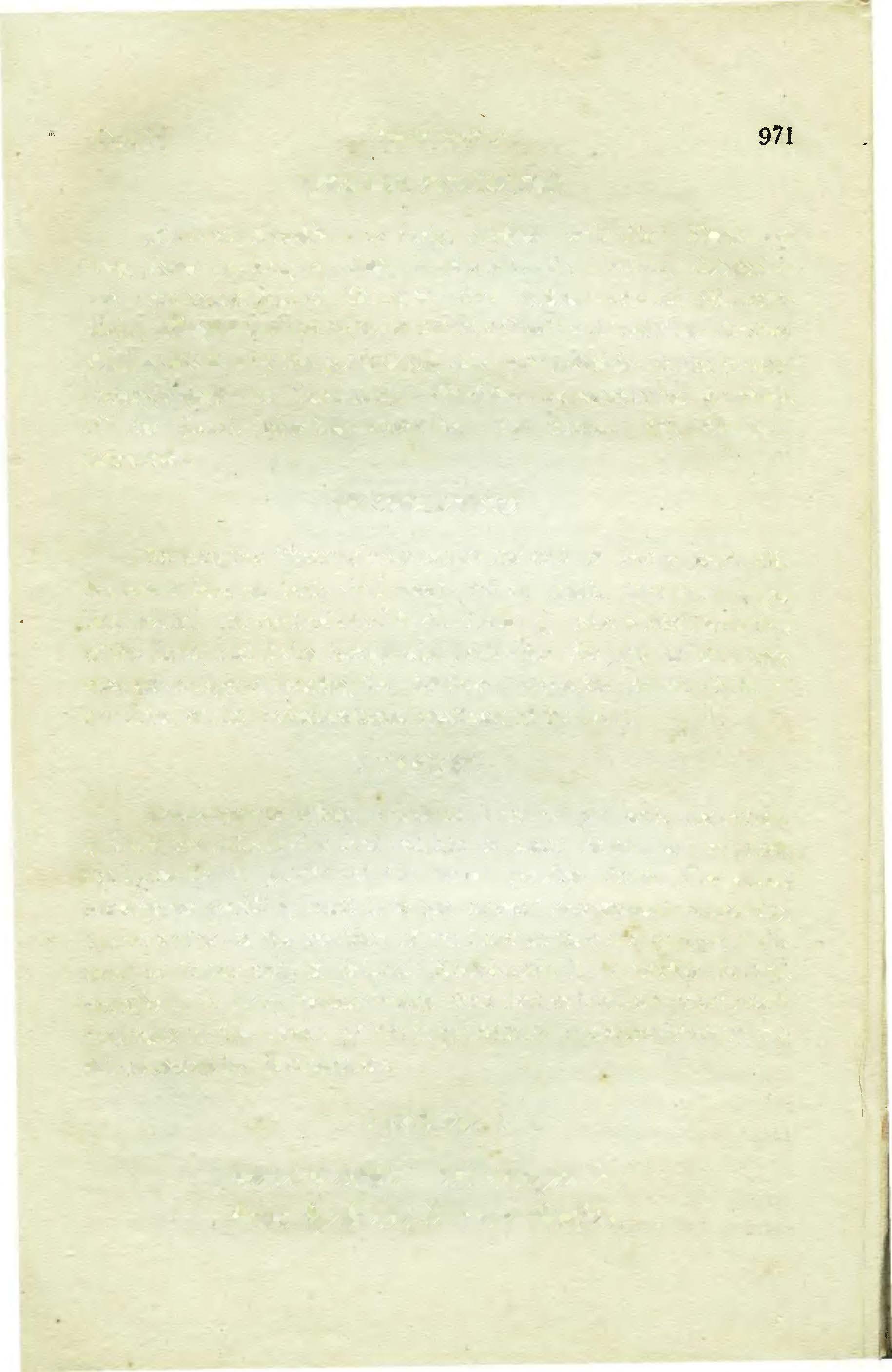
TRANSLATION
So long the Yamaraj who causes the end of every one's life, is present here no body shall meet with bis de.ath. The great sages had invited the controller ofdeath Yamaraj, who is representative ofthe Lord, and living beings who are under the grip ofhim, may take advantage ofhearing the deathless nectarine in the form of narration ofthe transcendental pastimes ofthe Lord.
PURPORT
Everyhuman being, unless he is not on par with theanimal or even the animal also does not like to meet death but he does .not know how to get rid of the surest possible death. The surest remedy for avoiding death is to get oneself accustomed to hearing the nectarine ofthe pastimes of the Lord as they are systematically narrated in the text of Srimad Bhagwatam. It is advised herein, therefore, thatany human bt>ing who desires freeJom from death may take to this course of life as practically recommriJded by the rishis headed by Sounak-a etc.
Text
FIRSTCANTO 971
9]
TEXTNo. 9 'fflt�tr ;rrcrSJ�z:r crz:r)'f�T�wsrq� ' fiti'Q'T �z:r8..-��fficfl • Q��t{foqo: t 1
912 SRIMAD BHAGWATAM
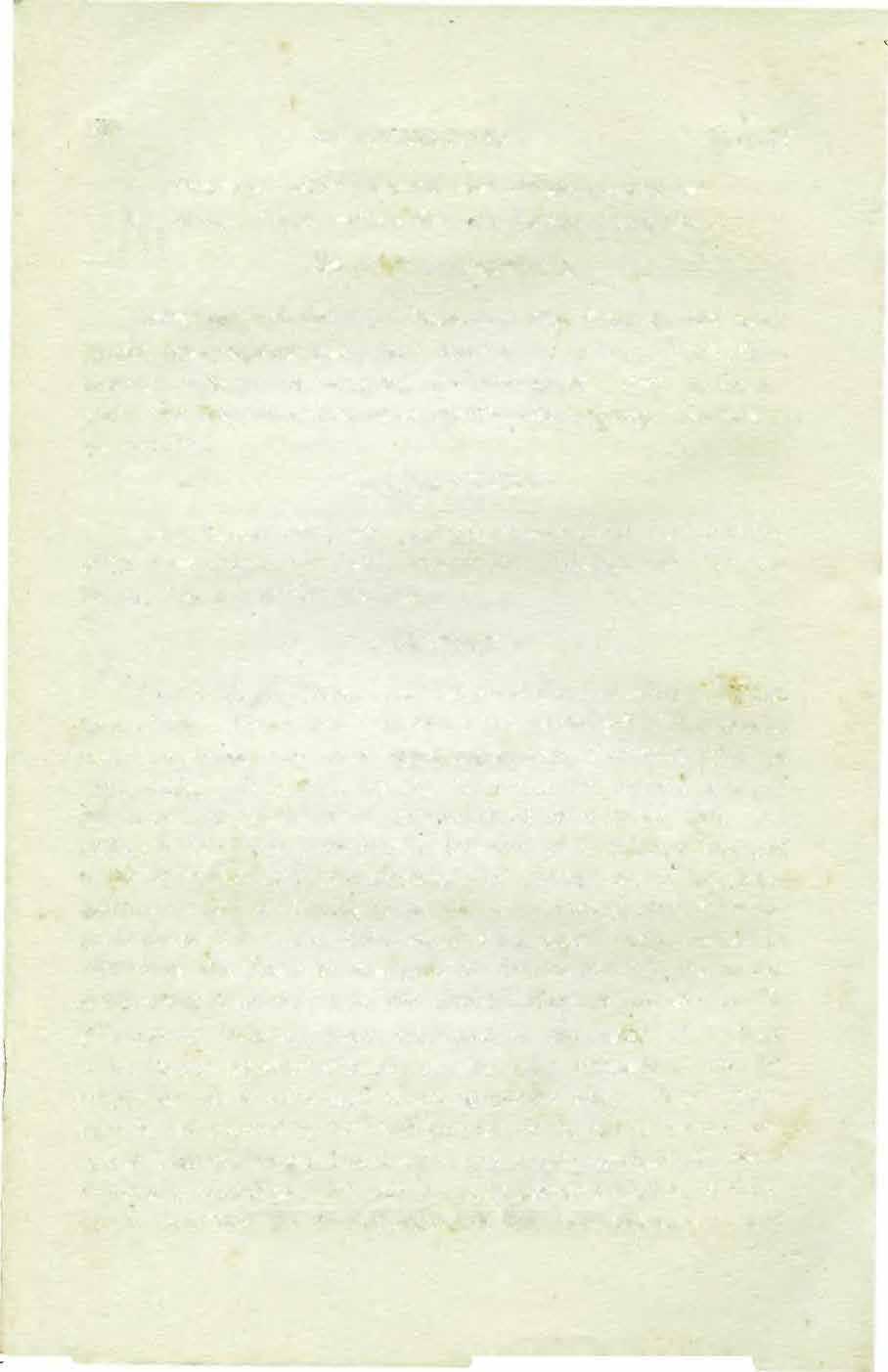
Mandasya manda prajnasya vaya manda ayuscha vai .Nidraya h1igate naktam diva cha byartha karmabhih.
ENGLISHSYNONYMS
Mandasya-of the lazy, Manda-paltry, Prajnasya-of intelligence, Vayo-age,Manda-short, Ayushah-ofduration oflife, Vaiexactly, Nidraya-by sleeping, Hriyate-passes away, .Naktamnight, diva-daytime, Cha-also, Byartha-for nothing, Karmabhihby activities.


TRANSLATION
Lazy human being with paltry intelligence and short duration oflife passes away t�e night exactly by sleeping and day time by activities meant for nothing.
PURPORT
Less intelligent person does not know the real value ofhuman form oflife. The human form oflife is a special gift ofthe mterial nature in course ofher enforcing stringentJaws of miseries upon the living being. It is a chance for achieving the highest boon of life namely.to get out ofthe entanglement ofrepeated birth and . death and intelligrnt persons only take care of this important gift ofLie by strenuously endeavouring for getting out of the entanglement. But less intelligent person is lazy enough and is unable to evaluate the prima facie value ofthe human body. Instead of employing the reserved energy ofthe human body in the matter ofachieving liberation from the material bondage the less intelligent person becomes more interested in the matter ofso called economic development and works very hard throughout the life simply for sense enjoyment of this temporary body. Sense enjoyment is also allowed to tbe lower animals by the law ofnature and assuch a humanbeing isalso destined toa certain standard ofsense of enjoyment according to his past or pesent assessmentoflife. But one should definitely try to understand it that sense enjoyment is not
[Ch.16
Text 10} 973
the ultimate goal ofhuman life. Here in it is said that during day time one works 'for nothing' because the aim is nothing but sense enjoyment. \Ve can particularly observe it how the humen being is engaged 'for nothing' in great cities and industrial towns. There are so many things manufactured by the human energybut they are all meant for sense enjoyment and nothing for getting out ofthe mate· rial bondage. And after working hard during day �me th� tired man either sleeps or engages in sex habits at night. That ls th• programme of matesialistic civilized life for the less intelligent class ofperson and as such he is designated herein as the lazy, u'lf)rtunite witP, short duration of life.
TEXTNO. 10

�=llfl
lftl q\i� �lt'PI�S�i{ ct.f�Sl'� A��6'8 I ftt�q�"ttfetfSflfi aa: m�g;:j �mfit:w ''

Suta uvacha :
rada parikshit lcurujangale vasan
Kalim prahistam nijachakravartite. Nisamya vartam anatipriam tatah
Sarasanam sampuga soundiradade.
ENGLISH SYNONYMS
Suta uvacha-Suta Goswani said, rada -When, ParikshitMaharaj Parikshit, KurujtSngale -in the capital of Kuru's empire, Vasan-was residing, Kalim-the symptoms of the age of Kali, Prahstam-entered into, Nijachakravarit1-within his jurisdiction, Nisamya-thus hearing, Vartam-news, Anatipriamnot very palatable, Tatah-thereafter, Sarasanam-arrows and bow1 Sa11!)1uge-having got a chance for, Sou�dir-marsha1 activities, Adade-took up.
TRANSLATION
Sri Suta Goswami continued that while Maharaj Parikshit was
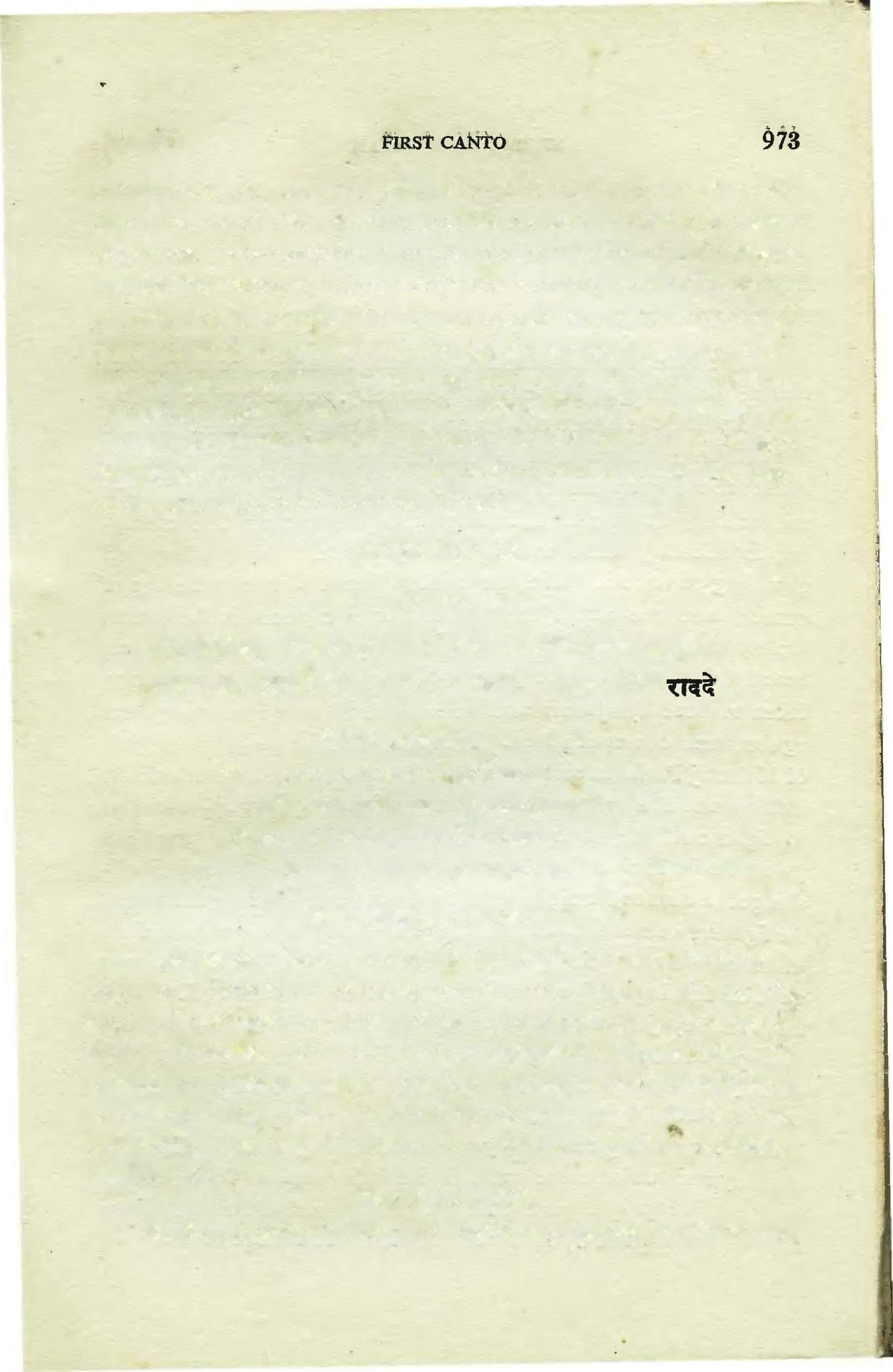
residing in the capital ofthe Kuruempire thesymptoms oftheageof Kali began to infiltrate within thejurisdictionofhis stateand when he learntabout it he did not take thematter asvery much palatable. He, however, hwing got a chance for fighting prepared himselffor military activities and took up his arrows and bow.
The state administration ofMaharaj Parikshit was so perfect that he was sitting in his capital peacefully. But he got news that the symptoms ofthe age ofKali has had already infiltrated into the jurisdiction ofhis state and he did not like the news as palatable. What are the symptoms of the age of Kali ? They.are 1. illicit connection with woman, 2. indulgence i� meat-eating, 3. encouraging intoxicating habit and 4. taking pleasure in sporting and gambling_ excursions. The age ofKali literally means the age of quarrel and the above mentioned four symptoms in the human society are the root causes for all kinds ofquarrel. ParikshitMaharaj heard it that some ofthe people of the state have already had taken to those symptoms and he wanted to take immediate steps against such causes ofunrest. It means at least up to the regime of Maharaj Parikshit such symptoms of public life was practically unknown and as soon as they were slightly in vogue he wanted to fight out the symptoms forthwith. The news was not palatable for him but it was palatable also because Maharaj Parikshit got a chance for fighting on such occasion. There wasno need for fighting with the small states because every one was peacefully under his subordination but the miscreants ofthe abovesymptoms gave his fighting spirit a chance for exhibition. A per�ect Kshatriya kingis alwaysjubilant as soon as he gets chance for fighting as mu�h as a sportsman is encouraged when there is a chance for sporting match. It is no argument that in the age of Kali such symptoms of the social animals were predestined and then why there was preparation for flghting out such symptoms? Suchargument is offered by the lazy and unfortunate man. In the rainy season rain is predestined and yet people take precautions to protect themselves from not being moistenedby such rain. Similarly in the age of Kali the



974 SRIMAD BB.AGwATAM tch. 16
symptoms as above mentioned are sure to infiltrate in the social life but it is the duty ofthe state to save the citizens from the association ofthe agents ofthe age ofKali. Parikshit Maharaj wanted topunish· the miscreants indulging in the above symptoms ofKali and thus save the innocent citizens :who were pure in habitby culture ofreligion and social usages. It is the duty ofthe king to giAe such protection and Maharaj Parikshit was perfectly right when he prepared himselfto give a fight.
TEXT NO. 11
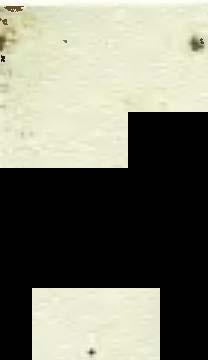
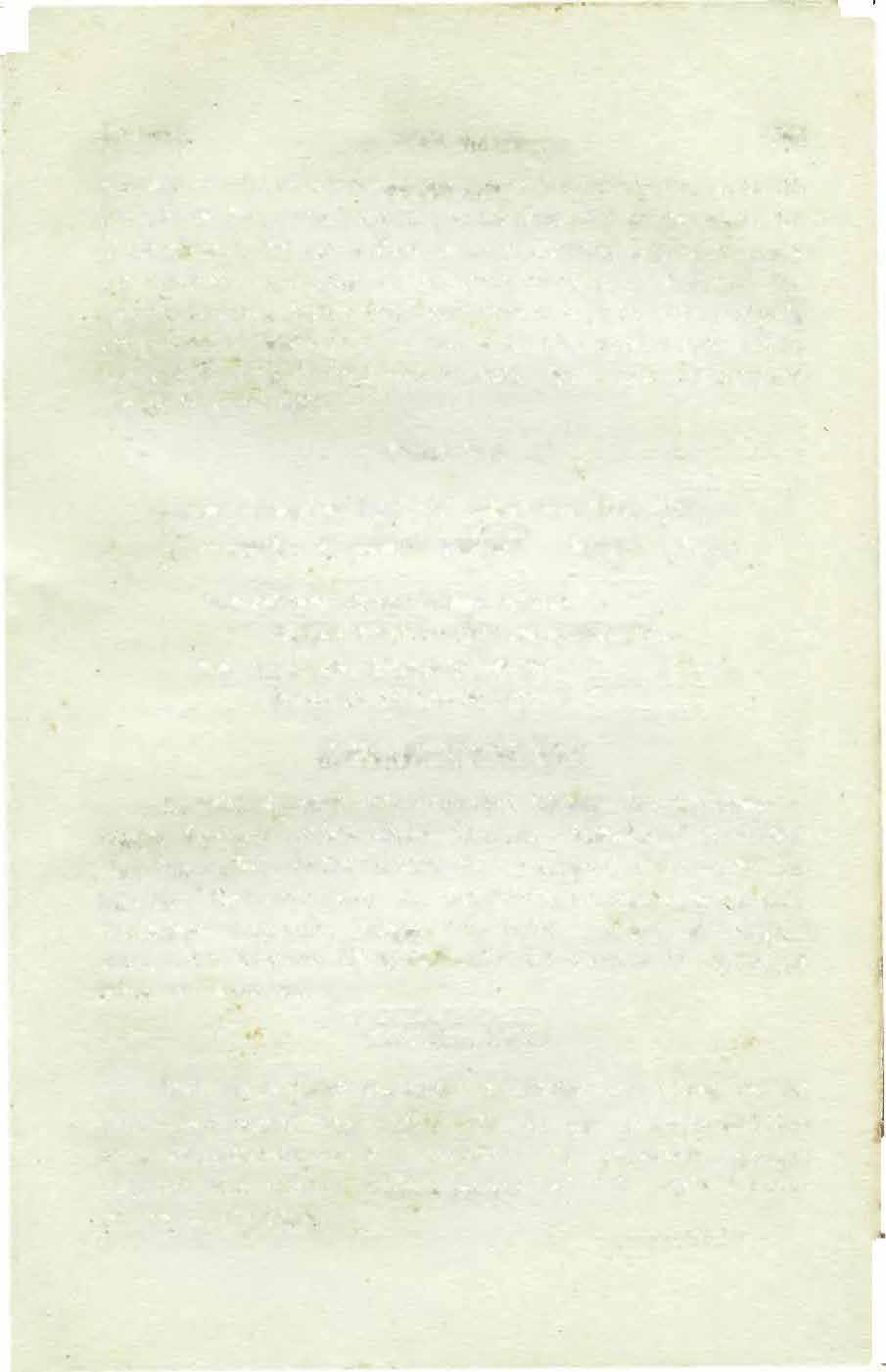
Swalamkritam shyama turangayojitam Ratham mrigendra dhwajam asritah purat.
Vrito ratha aswa dwipapattiyuktaya Swasenaya digvi.Jaya;a nirgatah.
ENGLISHSYNONYMS
Salamkritam-very well decorated, Shyama-black, Turangahorses, Tojitam-tackled, Ratha-Cbariot, .Mrigendra-lion, Dhwajam-flag-staffed, Asritah-under the protection, Purat_from the capital, Vrito-surrounded by, Ratha-charioteers, Aswa-favalry, Dwipapatti-elephants, rukttrya-thus being equipped, Swasenayaalong with infantry, Digvijayaya-for the purpose ofconquering, Nirgatah-went out.


TRANSLATION
Maharaj Parikshit was seated on chariot which was tackled with black horses, flag staffed with the sign ofa lion and thus being well decorated he was surrounded by charioteers, cavalry, elephants and infantry soldiers he went out ofthe capital for conquering all directions,
Text 29] F{RSTCANTO 975
'�"!a 'qlfT'I'��rrl.f)f�� '(� '!ir;sroeq��nr�a: ��T({ ' era) �qr.iqfrqqf:a-9;iifolfT �•it;:rlft fqftq�lf f;:r;fa: ' II.
PURPORT
Maharaj Parikshit is distinguished from his grand father Arjuna as he tackled black horses in his chariot instead ofwhite horses ofhis grand father. He ensigned his flag staffwith the mark of a lion than his grand father who ensigned the flag with mark of Hanurnanji. A royal procession like that of Maharaj Parikshit surrounded by well decorated chariots, cavalry, elephants, infantry and band is not only pleasing to the eyes but also they were signs of aesthetic sense of a civilization used to be manifested even in the fighting front.
TEXT
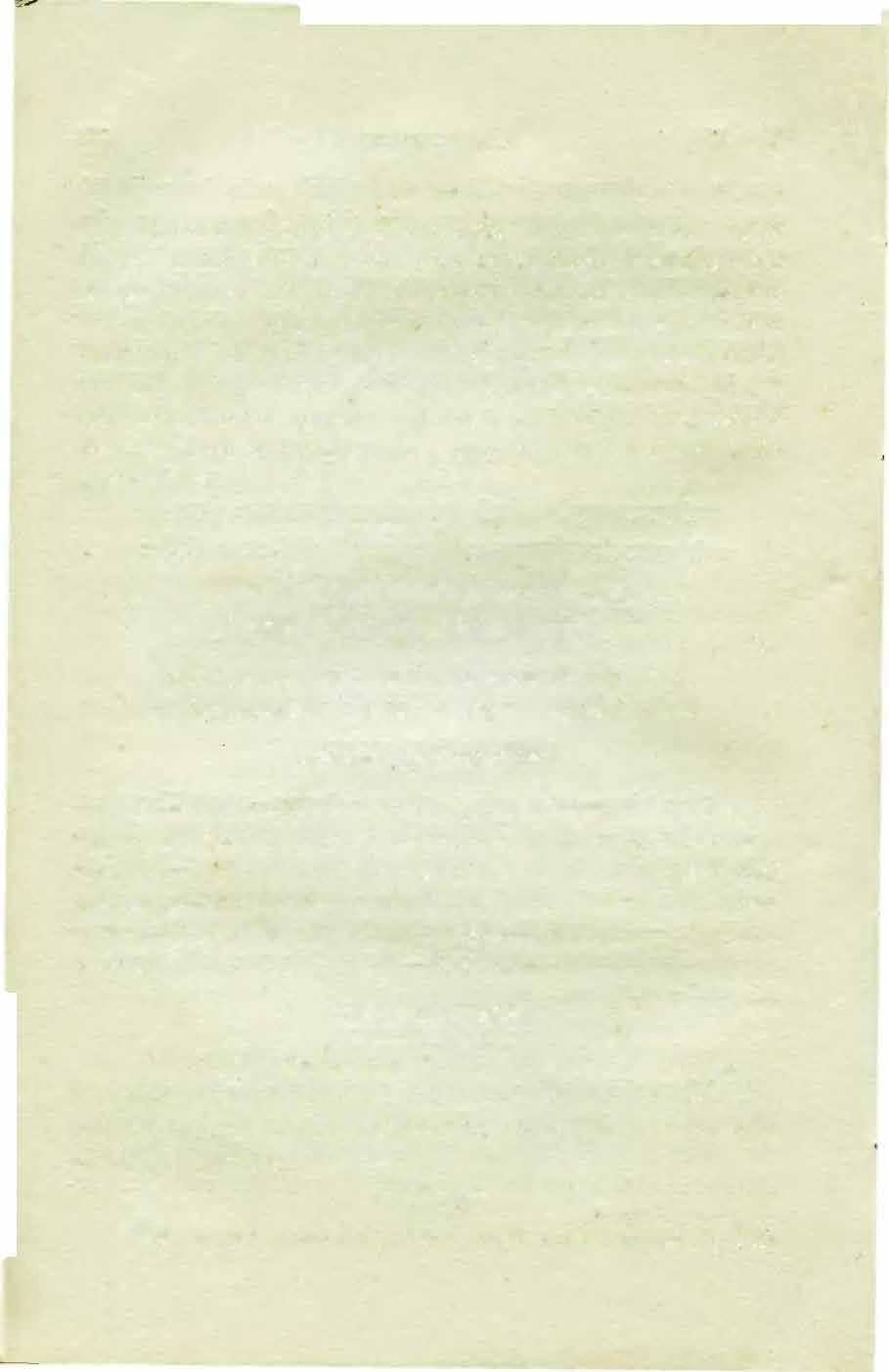
Bhadraswam ketumalam cha bharatam chottaran kurun Kimpurusndini varsanz viji�a Jagrihe valim.
ENGLISH SYNONYMS
Bhatlraswam-country of the name, Ketumalam-country of the name, Cha-aJso, Bharatam-country ofthe name, Chottarannorthern countries, Kurun-king-dom of the kuru dynasty, Kimpurushadini-cbuntry beyond the northern side of Himalaya, Varsani -parts of the earthly planet, Viji{ya-conquering, Jagriheexacted.
TRANSLATION
Maharaj Parikshit then conquered all parts of the earthly planet of the names Bhadraswa, Ketumala, Bharat, Northern portion ofKurujanga1,Kimpurusha etc. and thus exacted tributes from the respective rulers.
PURPORT
Bl&adr"aew- : It is an island near about the Meru Par-
976 SRJMAD BHAGW.ATA.M [dh. 16
;:i\��lil �•
��•'li
,.
No. 12 ut� �9�1� ��t m«i
f'fi��1'fil �"
llf'l�
vat. And about this island there is a description in the Mahabharatam (Bhisma Parva7/16-18). The description was narrated by Samjaya to Dhritarastra.



Maharaj Yudhisthir also conquered this island and thus the province was included within the jurisdiction ofhis empire. Maharaj Parikshit was formerly declared to be the emperor of all lands ruled by his grand-father but still he had to establish his supermacy while he was out of his capital for exacting tributes from such states.
Ketumala : This earth planet is divided into seven parts and according to others it is divided into nine parts. This earth is calledjambudwipa and is divided Into nine Varsas. Bharat Varsa is one ofthe abovementioned nine varsas. Such Varsas are known as continents in the modern geographical context. Ketumala is described to be one of the above Varsas. Itis said that in this varsa the women as a clS).SS are the most beautiful species of fair sex and it was conquered by Arjuna also. Description of this part ofthe world is available in the Mahabharata (Sabha 28/6)
It is said that this part ofworld is situated on the western side of the Meru Parvat and inhabitants ofthis province 1..1sed to live up to ten thousands of years (Bhisma Parva6/16.31-32) Human being living in this part ofthe globe are ofgolden colour and the women resemble the angels ofheaven. The inhabitants a1e free from all kinds of"diseases and berievements.
Bharatvarsa ' This part of the world is also one of the nine Varsas of thejambudwipa earthlyplanet. Each planet is also some times called as Dwipa onaccount ofits being an island in the fathomless outer space. Each planet is factually an island in the airyoceanofouterspace.Jambudwipaisoneofsuch countlessislands in the airy ocean ofthe outer space. Description ofBharatvarsa is given in the Mahabharata (Bhisma Parva ch�ptera 9 to 10)
Text 12] FIRSTCANTO 977
Uttaran-According to Sridharswami these parts of the world is called Ilavrita Varsa or the Meditarian countries of Europe. The description of the Ilavritavarsa is given in the Mahabarata (Sabha 28/6-7) as follows ;.Nagarasrha vanamcha va nadischa vimalodakah
Purushan deua kalpanscha Narischapriyadarshanah
X X X X
Adristapwvan subhagan sa dadarsa dhananjayah
Sadanamcha subhrani Narischa apsasasam.nibha
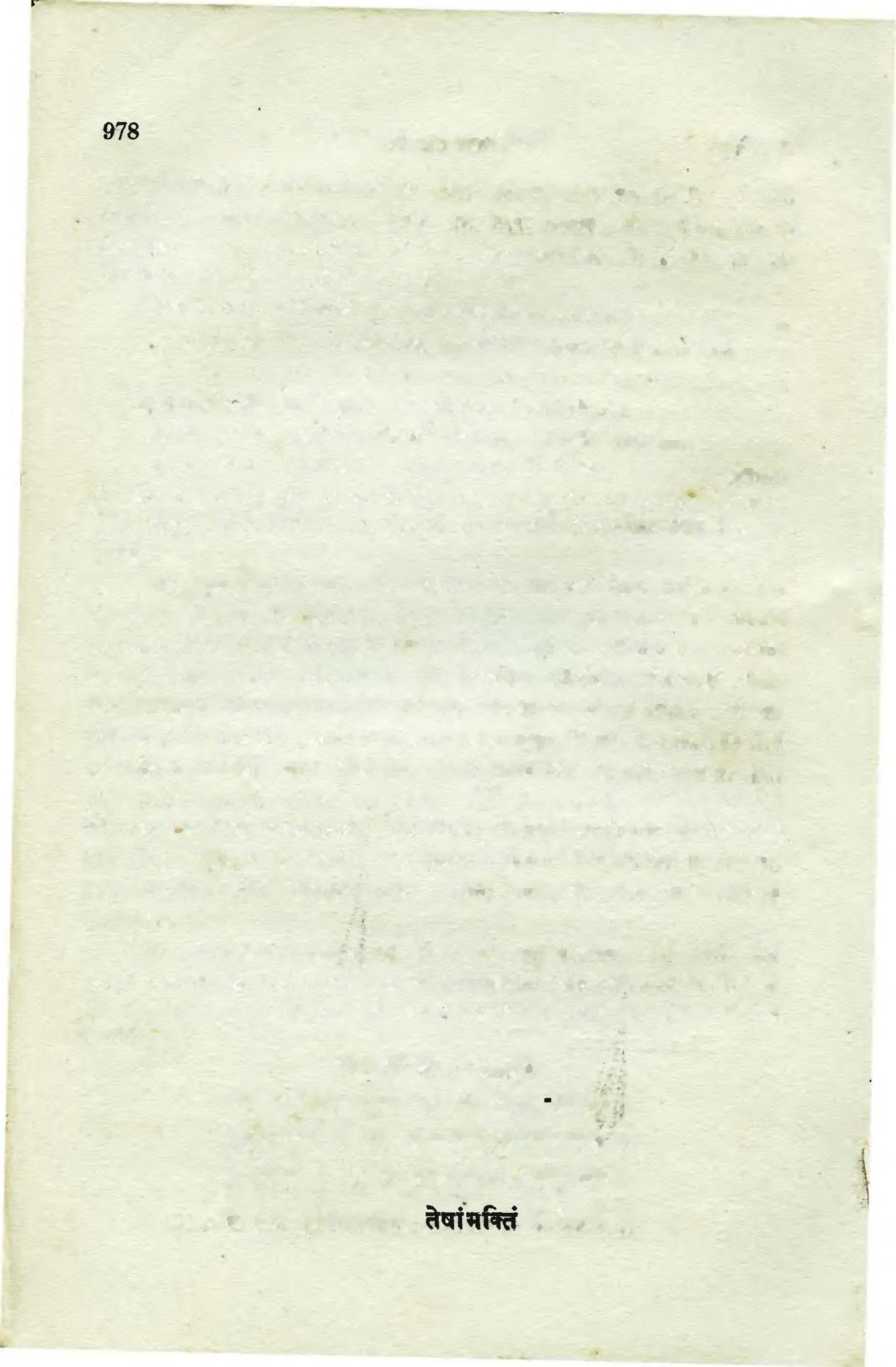
Ir is twice mentoned here about the women as all beauti fu1 and some of them equal to the Apsaras as the heavenly women. Therefore the countries mentioned are roundabout the Me itarian

coasts.
Kimpurisavarsa. Is stated to be situated beyond the northern side of Darjeeling Dhavala Giri and probably may bethe
countries -like Nepal Bhutan Tibet and China. These parts ofthe world was also conquered by Arjuna (Sabha 28/1-2) The Kimpurusas are descendants of tbe daughter of Daksha. When Maharaj Yudhisthirperformed horse sacrifice Ya5na the inhabitants ofthese countries were also present to take part in the festival and they paid tributes to the emperor. This part ofthe world is called Kimpurusavarsa or sometims the Himaalayan provinces (Haimavat)
It is said Sukdeva Goswami was born in these Himalayan provinces • and he came to Bharatvarsa after crossing the Himalayan countries.
In other words Maharaj Parikshit conquered all over the world namely all the conti�ents adjoining all the seas and oceansin all direction namely the east, west, north and southern parts of the world.
TEXT No. l3-15 ,_ asr a�)�t;f: fCf'!i1ri�t('litl�j
Sf'Tt�'lT;f llftm: �'ll�T��Ifi'i '. an�m;f lit' qf�,aq��T"t)�":.•
lit',ftvtq'Tvritff
�,,
,-
978 SRIMAD BHAGWAT.A.M [Ch. 16
._
��
Tatratatra upasrinwanah swapurvesam mahatmanam
Parigiamanam chayasah krishna mahatma suchakam.
Atmanam cha paritratam aswatthamno astra tejasah

Sneham cha Vrishniparthanam tesam bhaktim cha kesav.e
Tebh:Yah parama samtustah priti ujjrimbhita lochanah
Mahadhanani vasansi dadou haran mahamanah.
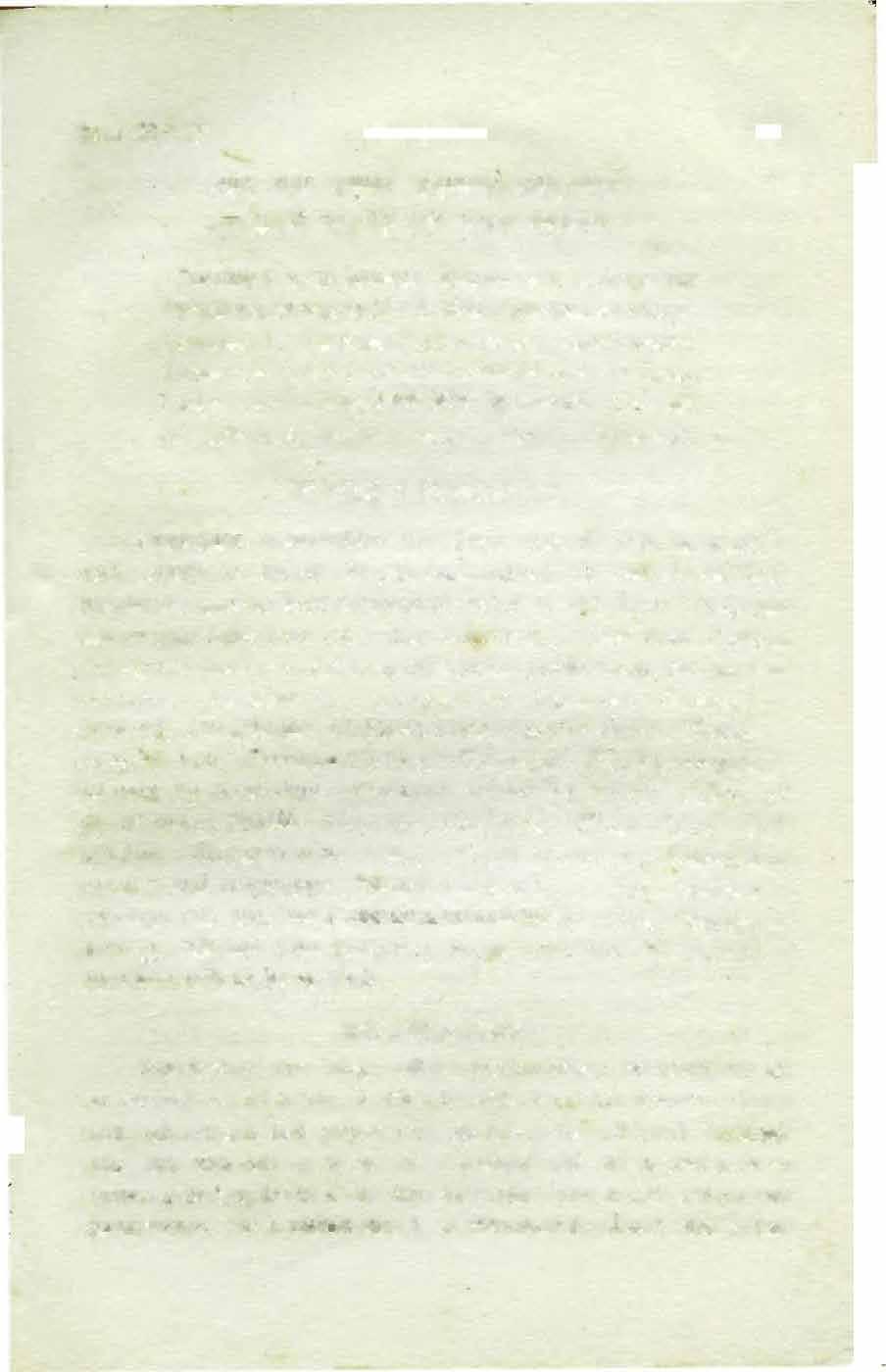
ENGLISHSYNONYMS


Tatra tatra-everywhere the King visited, Upasrinwanahcontinuously he heard, Swapurvesam-about his own forefathers, Mahatmanam-who were all great devotees of the Lord, Parigiam· anam-unto those who were thus addressing, Cha-also, rasah_ glories, Krishna-lord Krishna, Mahatma-glorious acts. Suchakamindicating, Atmanam-his parsonal self, Cha-aiso, Paritratamdeliveced, A.swatthamno-ofAswatthama, Astra-weapon, T�asahpowerful rays, Sneham-affection, Cha-aiso, Vrishniparthanambetween the descendants of Vrishni and that of Pritha, Tesam-of all of them, Bhaktim-devotion, Cha-Also, Kesave-Unto lord Krishna, Tebhyah-unto them, Parama-extremely, Santustahpleased, Priti-attraction,Ujjrimbhito-p1easing1y open, Iochanahone who has such eyes, Mahadhanai-valuab!e riches, Vasananiclothings, Dadou-gave in charity, Haran-necklace, Mahamanahone who has broader outlook.
TRANSLATION
Wherevever· the Jdng visited, contir.uously he heard about the glories ofhis great forefathers who were all devotees ofthe Lord indicating herein about the glorious acts of Lord Krishna also. He also heard about his personal self as to how he was protected by the Lord from the powerful heat ofthe weapon of Aswatthatna. The addressers also mentioned about the great

text 13, IS] a"Rr: � ��: sr"R!;\llfqa�t:erii': t 'f�T'lii'Tfi:r cn�tfa qq) �tm 'f�t'fii'T: •
affection between the descendants ofVrishni and that ofPritha on account ofthe latter•s great devotion for the Lord Keshava. The king thus being very much pleased upon the singers ofsuch glories had his eyes open in great satisfaction and he was pleased to award upon the singers very valuable necklaces and clothings by �is magnanimous mind.
PURPORT


Kings and the like great personalities of the state are presented with welcome addresses, isasystem·fromtime immemorial and Maharaj Parikshit, as he was one ofthe well known emperors ofthe world, was also presented with addresses of welcome every where in all parts ofthe world as he visited those places. The subject matter ofthose welcome addresses was Krishna. Krishana means Krishna and His eternal devotees as much the king means the king and his confidential associates.
Krishna and His unalloyed devotees cannot be separated and therefore glorifying the devotee means glorifying the Lord and vice versa. Maharaj Parikshit would not have been too glad to hear about the glories ofhis forefathers like Maharaj Yudhisthir and Arjuna etc had it not been so.done in connection withthe acts ofLord Krishna. The Lord descends specifically for deliverance ofHis devotees ( paritranayasadhunam) and the devotees are glorified by the presence ofthe Lord because such devotees cannot live for a moment without the presence ofthe Lord by His different energies. The Lord is presentfore thedevoteeby Hisactsand glories and therefore Maharaj Parikshit felt the presence ofthe Lord when He was glorified by His acts s'pecially in the matterof his personal selfas he was saved by the Lord in the womb ofhis mother. The devotees ofthe Lord are never in danger; but in the material world which is full of dangers in every step, the devotees are apparently placed into dangerous position and thus being saved by the Lord the Lord is glorified. Lord Krishna wouldnot have
980 S.RtMAb aHAGwATAM
(Ch. 16
�--
been glorified as the speaker of the Bhagwat Geeta had his devotees like the Pandavas were not entangled in the battlefield ofKurukshetra. All such acts ofthe Lord were mentioned in the addresses ofwelcome and Maharaj Parikshit, in fuU satisfaction, rewarded those who presented such addresses. The difference between the presentation ofwelcome addresses in the modern days and that in the days goneby is thatformerly the welcome add resses were presented to a penson like Maharaj Pearikshit; the welcome addresseswere full offacts and figures and those who presented such addresses were sufficiently rewarded ; whereas in the present days the welcome address is presented not always with factual statements but to please the postholder and sometimes they are full with untruth for flattering the object but alas rarely such presentations of welcome addre�ses are rewarded by the poor receiver.
Sarathya parsada sevana sakhya dourya

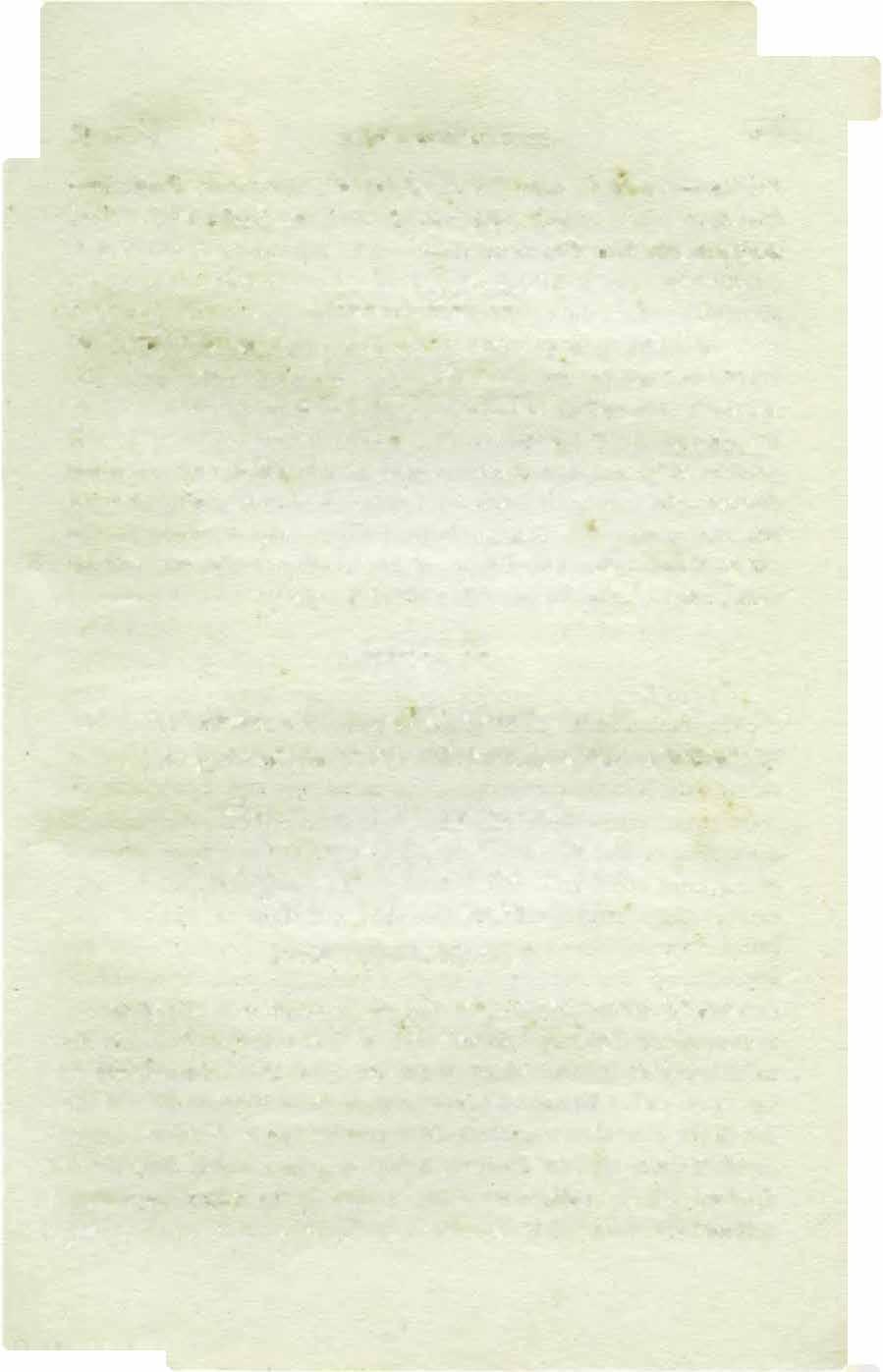
Veerasanugamanam stavanam pranaman
Snigdhesu pandusu jagat pranatim cha vishno Bhaktim karoti nripatis charanarvinde.
ENGLISH SYNONYMS

Sarathya-acceptance ofthe post ofa chariot driver, Parsadaacceptance of presidentship in the assembly ofRajsuya sacrifice, Sevana-engaging the mind constantly !n the service ofthe Lord, Sakhya-to think ofthe Lord as friend, Dourya-acceptance ofthe post ofa messenger, Veerasana-acceptance ofthe post ofan watchman with open sword at night, Anugamanam-following the foot prints, Stavanam-offcring of prayers, Pranaman-offering obeisances, Snigdhesu -unto them who are mallea.ble to the will ofthe Lord

Text 16] FIRST CANTO 981
�T�t;lfqt�'fq��9�lfq�llif·h:t{Pl''2qlf;m{CRSfVfT'ITif .• ft;ft� qrv�� ilttcsrvrfa ;f fCf'Svr)�fefti lt$'�)fa '!qf���vrr�fer.:t •
TEXTNo. 16
Pandusu-unto the sons ofPandu, Jagat-the universal, Pranatimone who is obeyed, Vishno-of Vishnu, Bhaktim-devotion, Nripatis-the king Charanarvinde-unto his lotus feet.
TRANSLATION.
When Maharaj Parikshit heard it that Lord Krishna (Vishnu), who is universally obeyed, out of His causeless mercy upon the malleable sons ofP�ndu, rendered all kinds ofservice in the matter of acceptance of the post of a chariot driver; to that of the presidentship according to the will of the Pandavas including the messengership, friendship, watchmanship at night, obeying like a servant and offering obeisances like one younger in age etc; at that time the king Maharaj Parikshit became overwhelmed with devotion unto the lotus feet ofthe Lord.
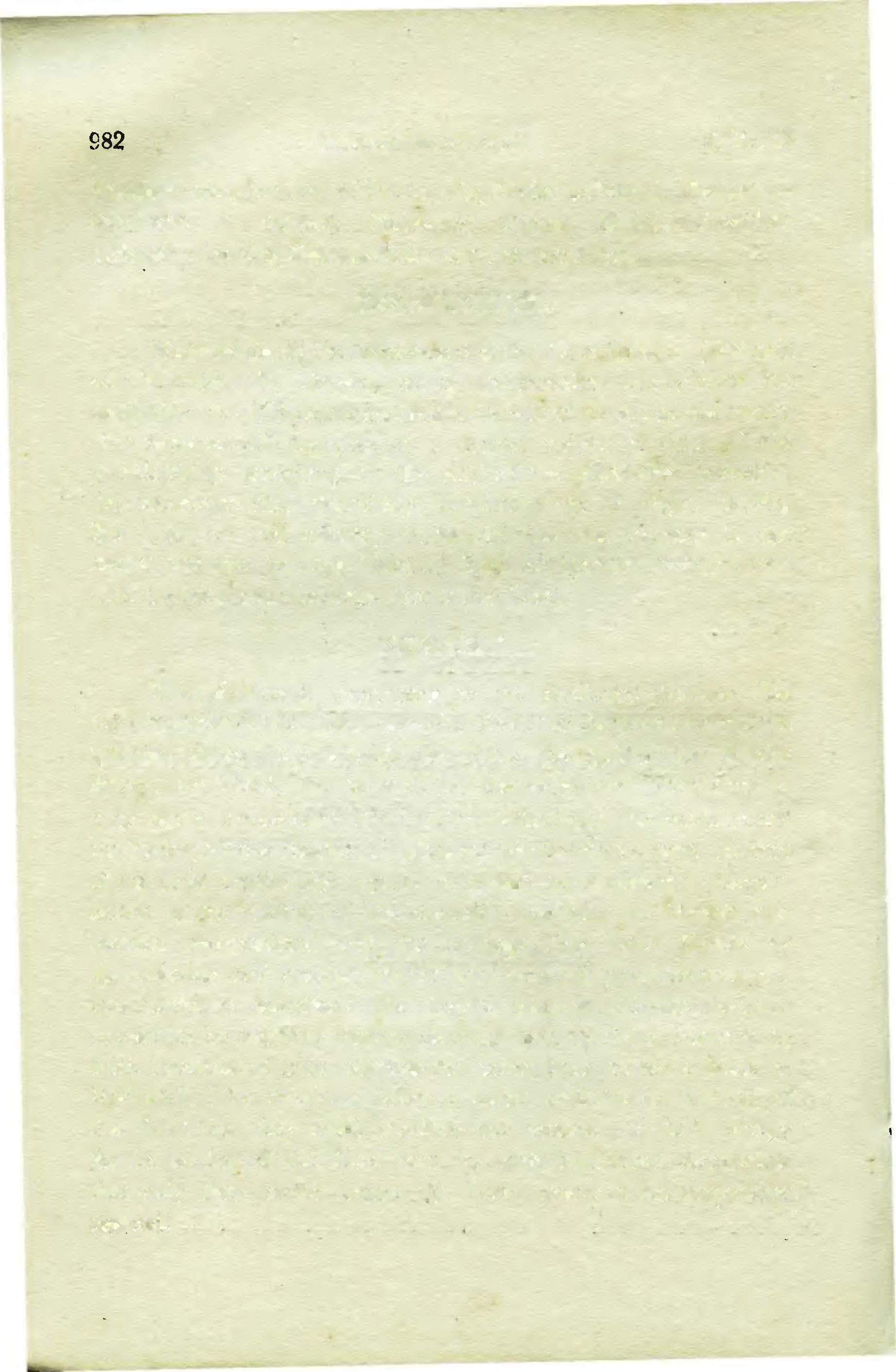
PURPORT
Lord Krishna is everything to the unalloyed devotees like the Pandavas. The Lord was for them the Supreme Lord, the spiritual master, the worshipable deity, the guide, the chariot driver, the friend, the servant, the messenger and everything as they could concevie of Him; and thus the Lord also reciprocated the feeling of the Pandavas. Maharaj Parikshit as a pure devotee ofthe Lord could only appreciate Lord's transcendental reciprocation ofthe feeling of His devotees and thus he himself also became overwhelmed with the dealings ofthe Lord. Simply by appreciating the dealings of the Lord with His pure devotees one can attain to salvatipn. The Lord•s dealings with His devotees appear to be ordinary human-dealings but one who knows it in truth becomes at once elligible for going back to home back to Godhead. The Pandavas were so much malleable to the will of the Lord that they could sacrifice any amount of their energy for the service of the Lord and by such unalloyed determination only they could secure the Lord's mercy in any shape they de�ired. , · .-
982 SRIMAD BHAGWATAM [ Ch. 16
FiRSTCANTO
TEXTNo. 17
ffi=Qo� �A'lf '{it51't '!f�q;q'{a �tfmf��11;;rq lfCiT�Ta afttilttal it U ...

Tasya evam vartaman asyapurvesam vrittim anwaham
.Na atidure kila ascharyam yadasit tat nibodhame.
ENGLISHSYNONYMS
983
Tasya-of Maharaja Parikshit, Evam-thus, Vartamana.ryaremaining in absorption of such thought, Purvesam-of his forefathers�Vrittim-good engagement, Anwaham-day after day, Nanot, Atidure-farotT, Kila-verily, Ascharyam-astonishing,Tad-that Tat-which, Nibodha-know it, Me-from me.

TRANSLATION
While Maharaj Parikshit waspassing his days hearing about the good occupations ofhis forefathers and he was absorbed in th&.t thought veriy what happened not far away from him you may know it from me.
PURPORT
Not far away from his camp what happend is now stated by Suta Goswami.
TEXTNo. 18

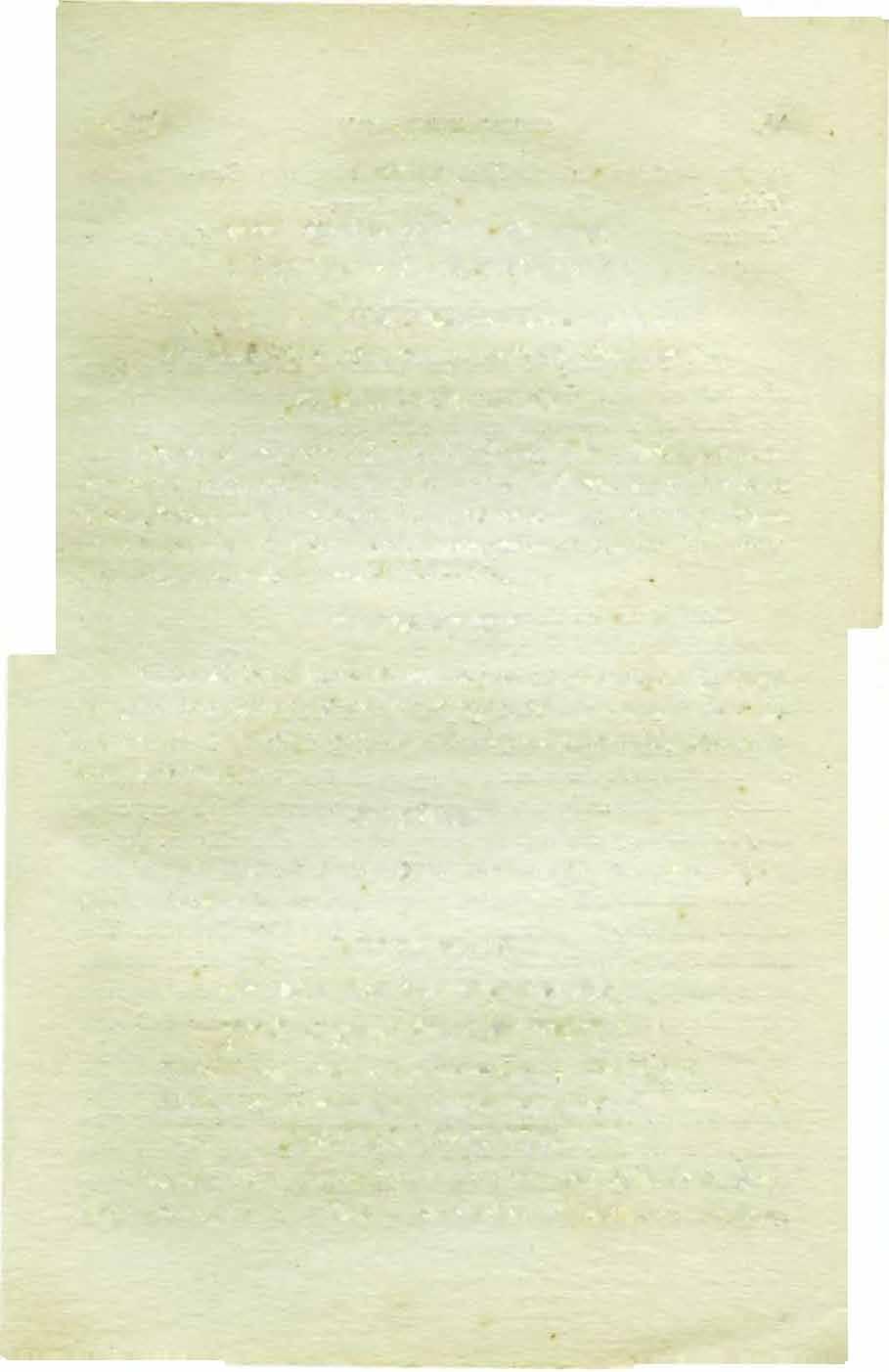
tat�: m� ;;r�;r fcr-aUtlfT!q�-;lf '11'!a
q:aufa �tlqfJiqt:ff fifcrf�tfqcr �:na'(q •• • 0 '
Dharmah pada ekena charan vichhayam up alabhyagam
Prichhati sa ashruvadanam vivatsam iva mataram.
ENGLISH SYNONYMS
Dharma-The Personality of religious principle, Pada-leg, Ekena-by one only, Charan-wandering, Vichhaynm-overtalten
text 11]
by the shadow of grief, Upalahhya-having met, Gam-the cow, Prichhati-asking, Sa-with, Ashruvadanam-:-with tears on face, Vivatsam-one who has }ost her offspring, Iva--like, Matatam-the mother. -
TRANSLATION
The Personality of religious principle Dharma in the form ofa bullwas wandering. And he met the Personality ofearth in the form of a cow who appeared to be aggrieved like a mother who had lost her child and thus she looked with tears on her face. She lost the beauty ofher bodily feature and thus Dharma asked the earth as follows.
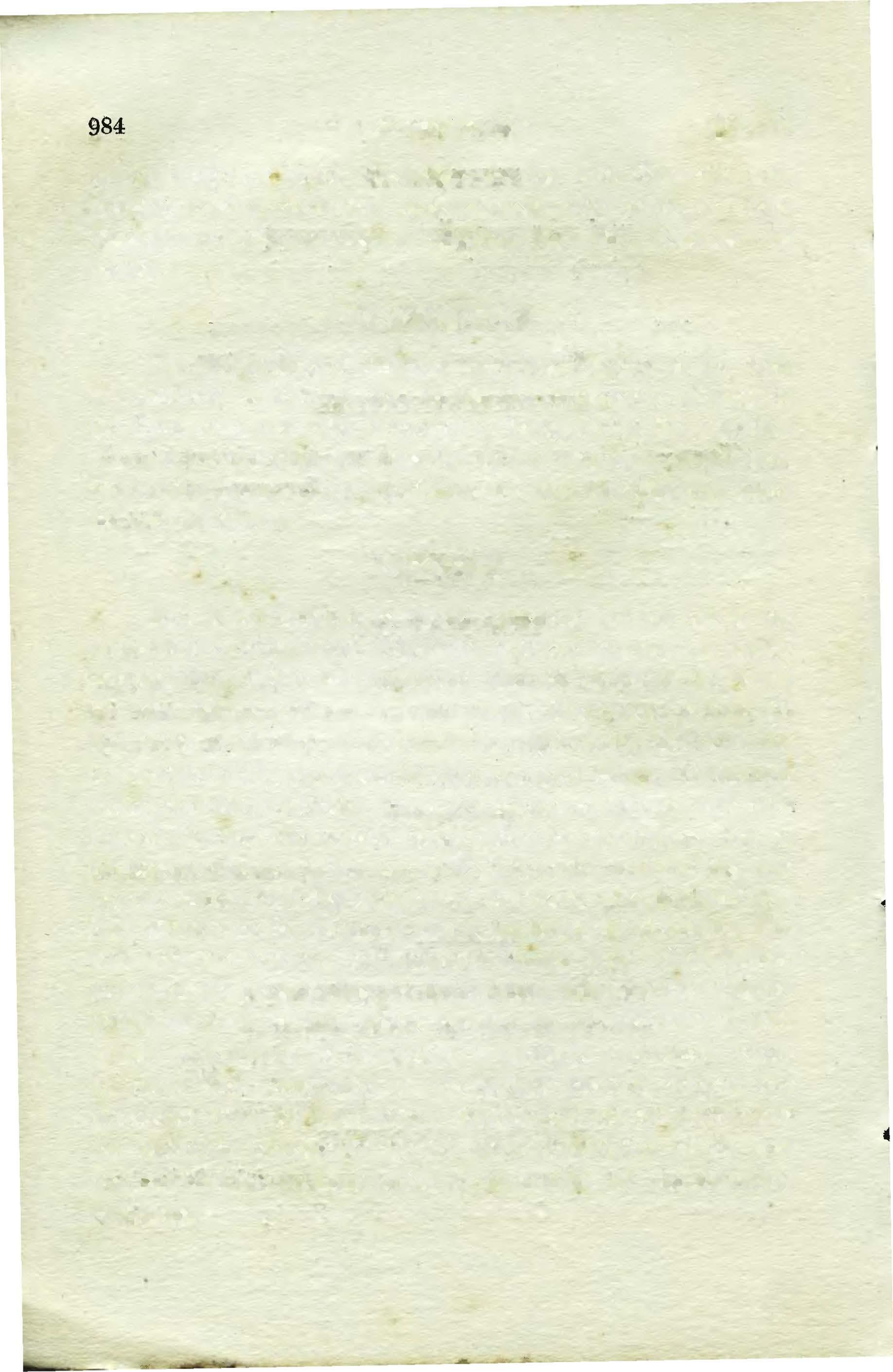
PURPORT
Bull is the emblem of moral principie and the cow is the representative ofthe earth. When the bull and the coware happy injoyful mood it is to be understood that the people ofthe world are also happy and are injoyful mood. The reason is that the bull helps production ofgrains iN the agricultural field and the cow delivers milk the miracle ofaggregate food values. Thehuman society therefore maintains, these two important animals very care'! fully so that they can wander every where in cheerfulness. But at the present moment in this age of Kali both the bull and the cow are now meant for being slaughtered and eaten upas foodstuffby a class ofmen who do not know what is the Brahminical culture. The bull and the cow can be protected for the good ofan-human society simply by spreading the Brahminical culture is the topmost perfection ofall cultural affairs because by advancement of such culture only morale ofthe society is properly maintained where by peace and prosperity of the society attained without any extraneous effort tor them. When Brahminical culture deteriox;ates the picture is televisioned by the above description of the cow and bull and the resultant action iJ prominent by the following symptoms. -
984 SRIMADBltAGWATAM [Ch, 16
TEXTNo. l9
���:q �
ttif.a��fs;:rvq�'e"'l� f�::eutlltf� ��tlla�;:�w" '
'IT\=flftlt �)q;:a�Tt.t1 !_� ;r.:!l· �):qfff�f.q"mfIl
Dharma uvacha :
Kachchit bkadre anamayam atmanaste
Vichhayasi mlqyate isat mukhena
Alaksaye bkavatim antaradhim
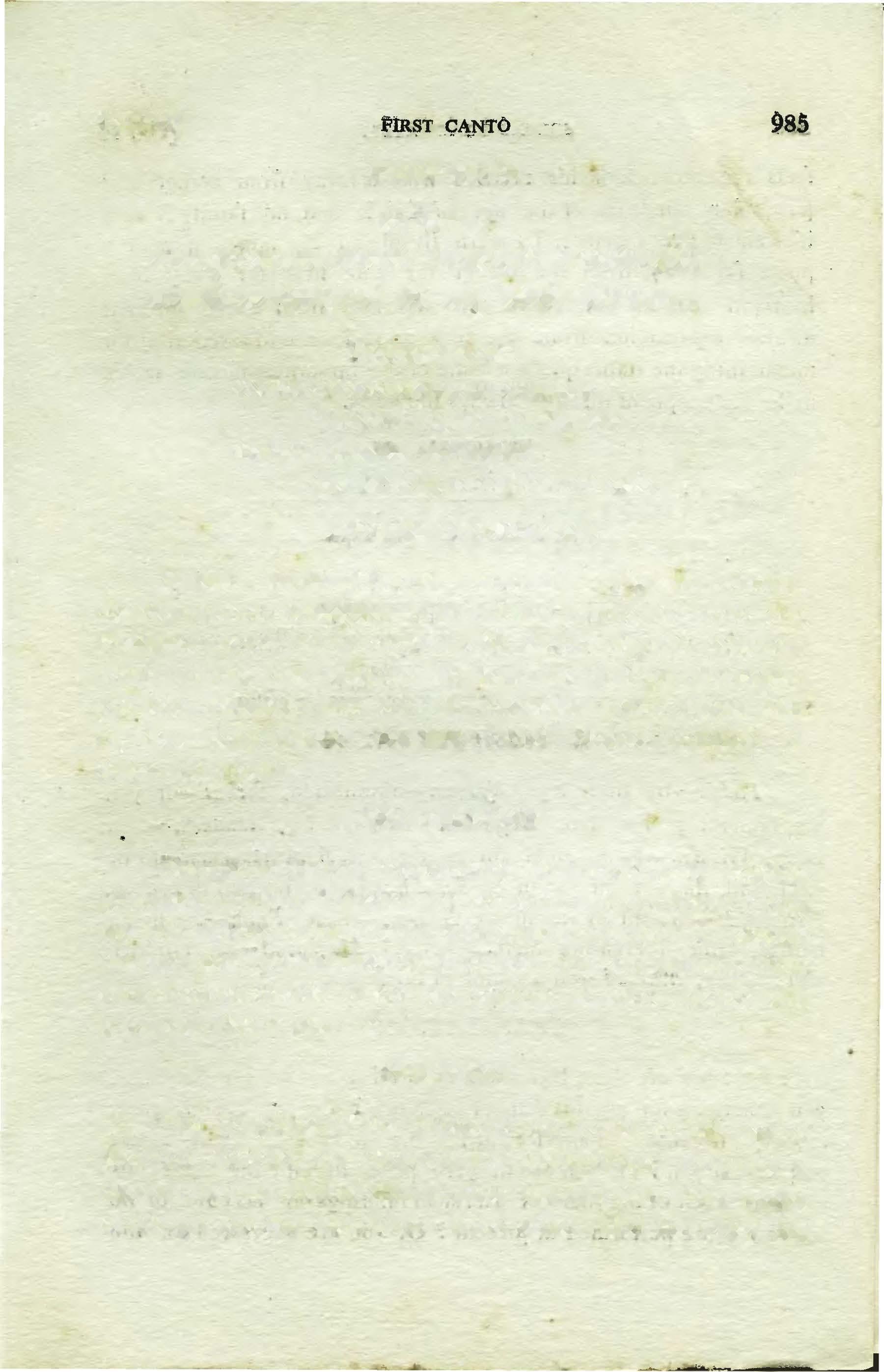
Dure bandhun sochasi kamchit amba.
ENGLISHSYNONYMS
Dharma uvacha-Dharma enquired, .Kachchit-whether, Bhadre-madam, Anamqyam-quite hail and he . arty, Te-unto you, Vichhayasi-appear to be covered with shadow of grief, Mla,yatewhich darkens, /sat-slightly, Mukhena-by the face, Alakskayeyou look, Bhavatim-unto yourself, Antaradhim-some disease with• in, Dure-long distanl, Bandhum-.-friend, Sochasi-thinking of, Amba-Oh mother.
TRANS{ATION
Dharma or the bull representing the Personality of religious principles enquired, "Madam are you quite hail and hearty ? Why are you looking to be covered with shadow ofgrief? It appears that you have become black by your face. Ar_e you suffering from some internal disease or are you thinking of some relative who is away to distant place ?''
PURPORT
The symptoms of the people of the world in this age of Kali are that they are always full of anxieties and every one is diseased by some kind ofa�lment. From the very face ofthe people ofthis �ge 9Ile .��n fi�d out the index 9fthe ID-ind and every one
t�xt
19]
feels the absence of his relative who is away from home. The particular symptom ofthe age ofKaliis that no family is now blessed to live together. To earn livelihood the father lives at a place far away from the son or the wife lives far away from husband and so on. There are sufferings from some internal disease, separatoion from the near and dear and anxieties for maintaining the status quo are some ofthe important factors which make the peopleofthis age always unhappy.
TEXT No. 20


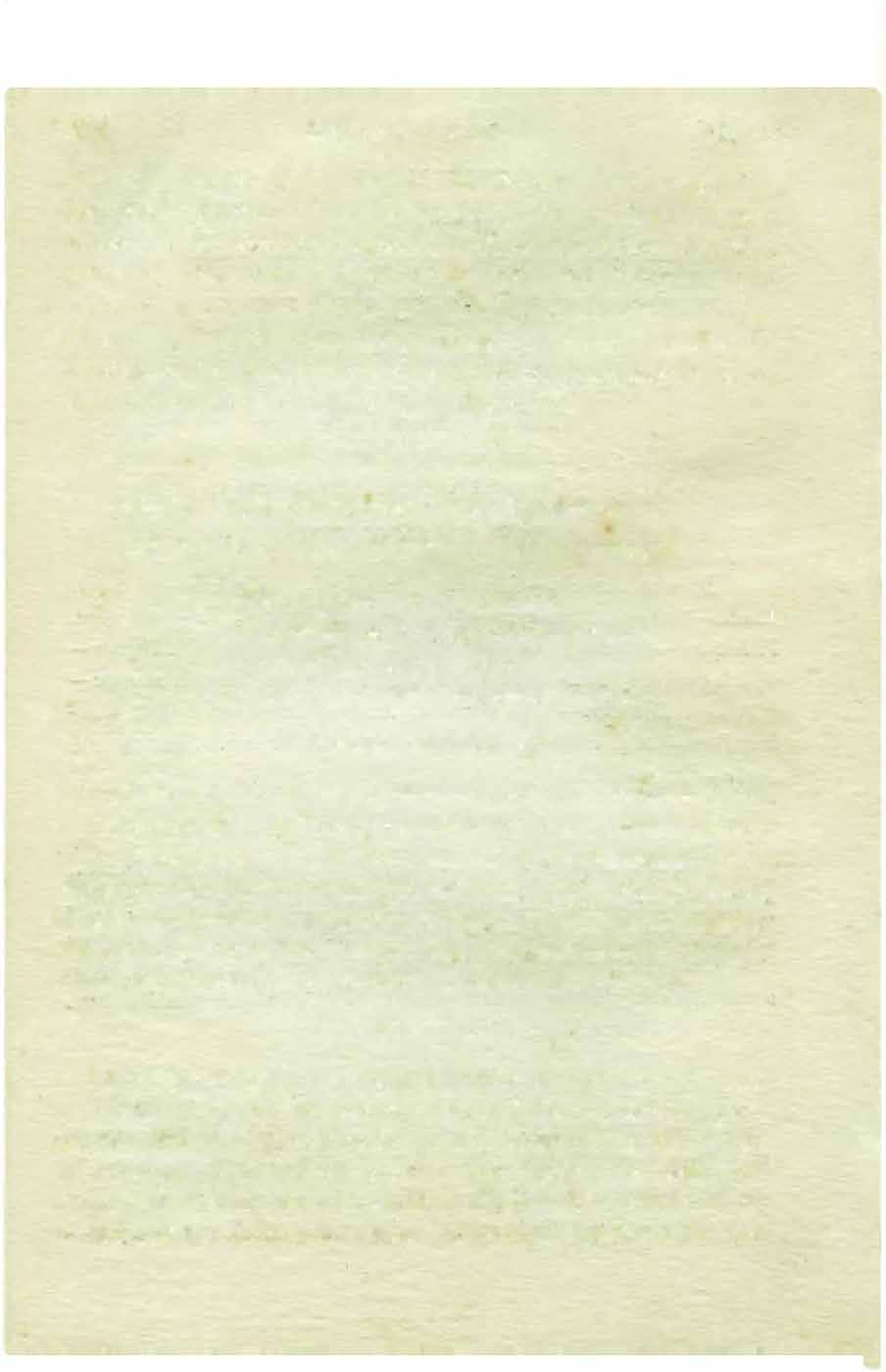
Padaiar nyunam sochasi ekapodam
Atmanam va vrisalair bhakshamanam
Aho suradin hritaya)na bhagan
Praja uta swit maghavati avarsaz.
ENGLISHSYNONYMS
Padair-by three legs, .1\}unam-diminished, Sochui-if you are lamenting . for that, Ekapadam-only one leg, Atmanam-own body, Vrisalair-by the unlawful meat eaters, Bllakshamanam-to be exploited, Aho-in the sacrifice, Suradin-the authorised demigods, Hritayajna-devoid of sacrificial, Bhagan-share, Praja-the living beings, Uta-increasing Swit-wheter, Maghayati-in famineh and scarcity, Avarsati-on account ofrainlessness.
TRANSLATION
I have lost my three legs and am standing on one leg only. Are you lamenting for my this state ofexistence ? Or you are· in great anxiety because henceforward the unlawful meat eaters will exlpoit you ? Or you are in sorry plight because the demigods are now bereft ofthe share of sacrifical offerings on account of no sacrifice being performed at present ? Or you are aggrieved for. the
986 SRIM.Af> Bl!AOWATAM (Ch. 16
•
qft;:�tif �)�fa liffrqfqq'Rt{TYJ•"''l!"'�;rl�"'"""
"'�)�'(RTY�t�azmm��Asr;r, \ier�!f..lltt��mu
living being on account oftheir suffering due to famine and rajnlessness.
PURPORT

With the progress ofthe age of Kali four things particularly namely duration oflife, mercy, power of recollction, and moral or religious principles will gradually diminish. Dharma or the principles o[ religion being lost in the proportion of three out of four the symbolical represent::1tion bull was standiog on one leg only. When three fourth of the population of the whole ·world become irreligious the situation is practically converted into the haunting place for the animls. Inth(age ofKali godless civilization will create so many so called religious societies in which the perso nality of Godhead will be directly or idirectly defied. And thus faithless societies ofman will turn the world inhabitable for the saner section ofpeople. There is gradation ofhuman being in terms ofproportionate faith in the supreme Personality of Godhead. Thefirstclassfaithfulmenare the Vaishnavasandthe Brahmins, then the Ksatriyrs, then the Vaisyas, then the Sudras, thenMiechhas,then the Yavanas and at alst the Ghandalas. Degradation ofthe human instinct begins from the stage of the Mlechhas and the Chandala state oflife is the last word in the matter ofhuman degradation. All the above terms of nomenclature mentioned in the Vedic literatures are never meant for any particular community by birth. They are different qualifications of the human being in general. There is on question ofbirth right commuity but one can acquire the respective qualificstions by a one's own effort and as such the son ofaVaishnava can become a Mlechha or the son of Cnadala can become morethan a Brahmin in termsofhis assoicaiton and intimate relation with tbe supreme Lord.
The meat eaters are generally called the Mlechhas. But all meat eaters are not Mlechhas. Those who accept meat in terms of scriptural injunctions are not Mlechhas but those who accept meat wit4m1trestd�tio� a,re «;:al�ed Mle<;:hha,s. ))eafisforbidden in tpe scrip

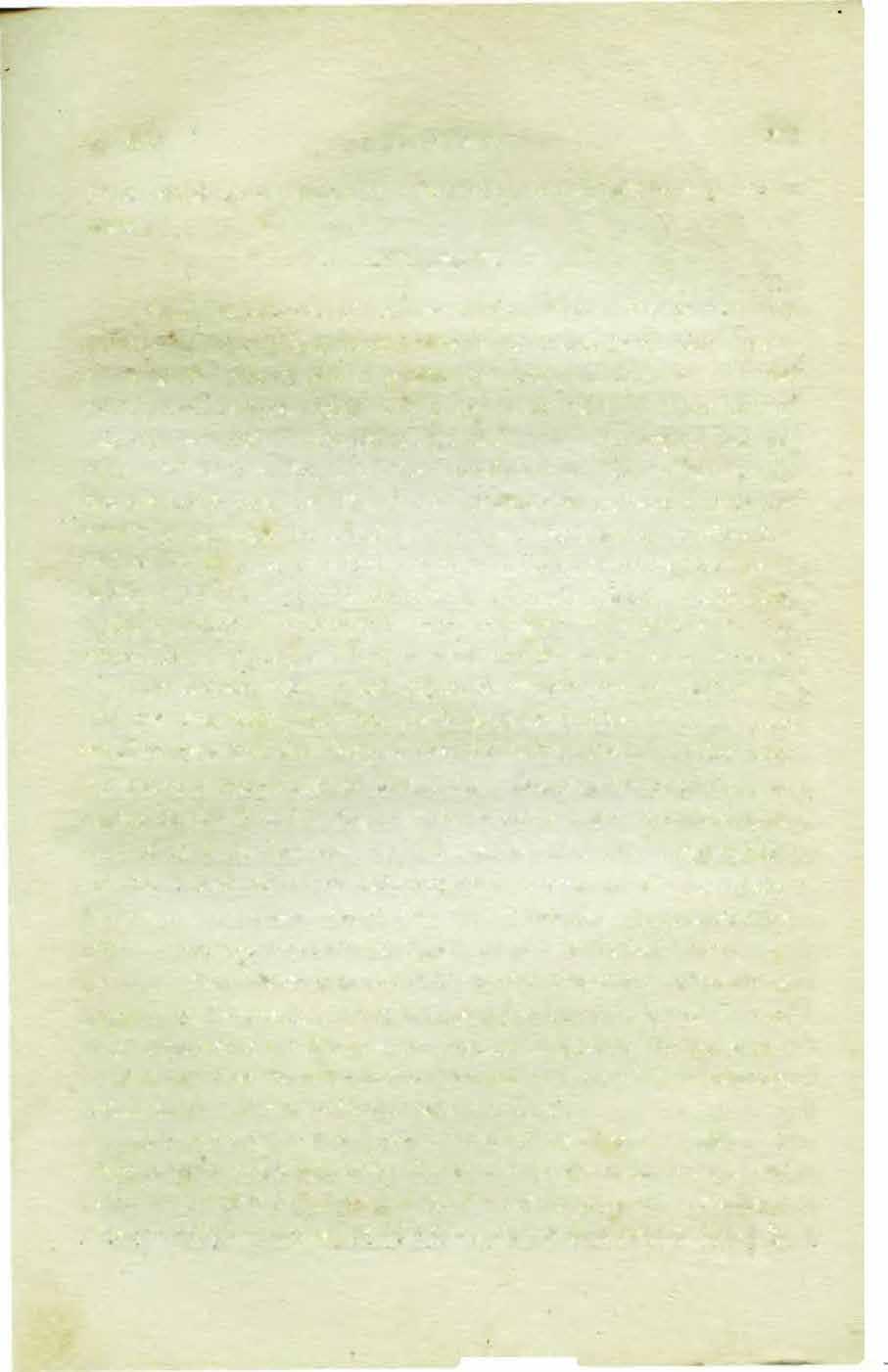
Tet 20] FIRST CANTO 987
ttires ang the bulls and cowsare offered special protection by followers ofthe Vedas. But in this age of Kali people will exploit the body ofthe bull and the cow as they like and thus they will invite sufferings ofvarious types.



The people ofthis age will not perform any sacrifice. The Mlechha type ofpopulation·wm care very little for performances of Sacrifices although performance ofSacrifice is essential for persons who are materially engaged in the matter ofsense enjoyment. In the Bhagwat Geeta such performance of sacrifices are strongly recommended (B. G. 3/.1.4-16)

· The iiving beings are created by the creator Brahma and just to maintain the created living being progressively •towards the path ofback to home back to Gdhead the system of performing sacrifice is also created by him. The system is that the living being Jives on the produce of grains and vegetables and' by eating such foodstuffthey get vital powers ofthe b:>dy in the shape of blood and semina and from the blood and semina one living being is able to create other living being. But the production of food grains grass etc become possible by rains and thi� rain is made possible to shower properly byperformances of the recommended sacrifice. Such sacrifices are directed by the rites of the Vedas namely Sarna Yaju Rik and Atharva. In the Manusmiriti itis recommended that by offering sacrifice on the alterofthe Fire the sun�god is pleased. When the Sun-god Js pleased he properly collectswater fromthe sea andthussufficient cloud collected onthehorizon and rainsfall down. Aftersufficient rain falls there is sufficient production of foodgrains for men and all animals and thus there is energy in the living being for progressive activity. The Mlechhashowever make plans for instaIing slaughthr houses .for killing the bulls and the cow along with other animals thinking that they would prosper by incre.asing the number of factories and live on animal food without caring for performance of sacrifices and production of food grains. But they mu�t know that even· for the animals they must pro-

9.88 SRIMAD BHAOWATAM [Cb. l6
duce grass and vegetables otherwise hardly they can live-on animal food only. And even for producing grass for the animals they must require sufficient rains from the horizon and therefore they have to depend ultimately on the mercy of the . demigods like the Sun, Indra, Chandra etc. and such demigods must be satisfied by performances ofsacrifice.
This Material world is a sort of prison house and we have several times mentioned this fact. The demigods are servants of the Lord to see to the proper U:pkeep ofthe prison house. Such demigods want to see that the rebel living beings, who want to survive faithlessly, may gradually be turned towards the Supreme power of the Lord. Then�fore, the system ofoffering sacrifice is there recommended in·the scriptures.

The materialistic men want to work hard and enjoy the fruitive result in the matter ofsense enjoyment. As such they are committing manytypes ofsins at every step of life. Those who are however consciausly engaged in the devotional service of the Lord are transcendental to all varieties ofsins and virtues. Such activities are free from the contamination ofthe three modes material q ualities. For the devotees there is no need ofperformances of prescri• bed sacrifices because the very life of the devotee is a symbol of sa.. crifice. But persons who are engaged in fruitive activities for sense enjoyment must perform the prescribed sacrifices because that is the only means for getting free from the reactions of �11 sins committed by the fruitive workers. Sacrifice is the means for counter acting such accumulated sins, The demigods are pleased when such sacrifices are performed as much as I?rison-officers are satisfied when theprisonersareturned inu obedient subjects to the state laws. LordChaitanya however has recommended onlyone Yajna orsacrifice called the Samkirtan Yajna in which every one can take part and thus both devotees and the fruitive workers can derive equal bene. fit from such performances of Samkirtan Yajna.
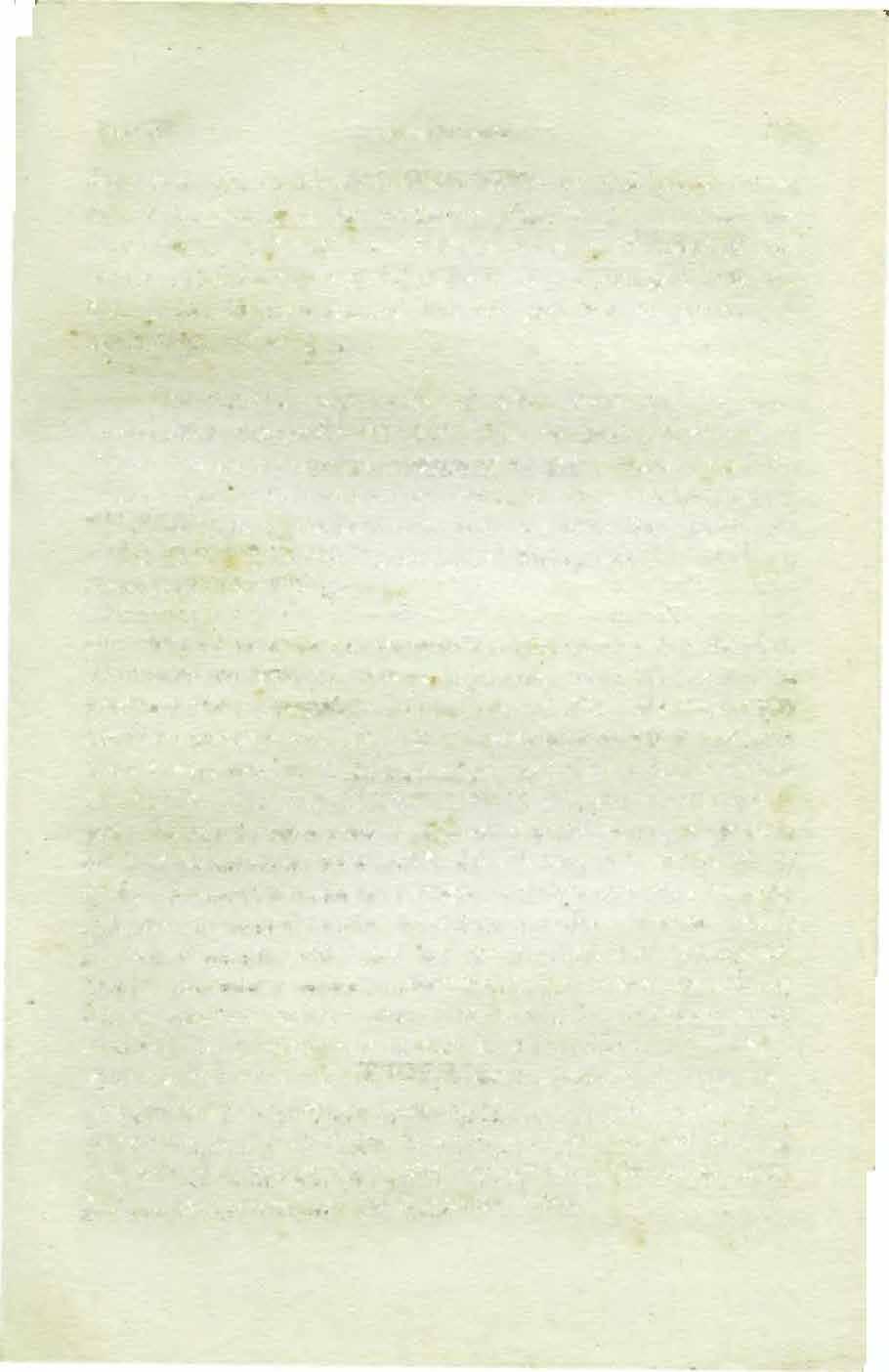
Text 21] F.IRST CANTO 989
��e�TGJT:
TEXT NO. 21

f�q �r" .,�,if�·i"'"qq) ��qtif�eftaf;r '
Arakshamanah strrya urvi valan Sochasi atho purusadair iva artan.
Vacham devim hrahmakule kukarmani Abrahmanye rajkulekulagryan.
ENGLISH SYNONYMS
Arakrhamanah-unportected, Strba-women, Urvi-on the earth, Valan-childern, Sochasi-you are feeling compunction, Athoas such, Purusadair-by men, Iva-like· that; Artan-those who are unhappy, Vacham-vocabulary, Devim-the Goddess, Brahmakulin the family Qf the Brahmin, Kukarmani-acts against the principles of religion, Abrahmanye-persons agait:tst the Brahminical culture, Rajkule-in the administrative family, Kulagryan-most of all the families (the Brahmins)
TRANSLATION
Ifyou are feeling compunction in the matter of the unhappy women and children who are left forlorn by unscrupulous persons? Or you are unhappy for the matter ofthe goddess oflearning being handled by Brahmins adieted to acts against the principles ofreligiosity? Or you may be sorry to see that the Brahmins have taken shelter of the administra1ive family where Braminical culture is not respected.
PURPORT
It is a plight for the people of the earth th:tt in the age of Kali the women and the childern along with Brahmins and cow · will be neglected grossly in the matter of their protection. In this age _ illicit connection with women will render many women ancl
990 SRIMAD BH.A.GWATAM [Ch. 16
i(lT.f �er1 •"1W ��l=[vq�q �lit!� �TVllf.t11
childern uncared for. Circumstancially the women will try to become independent of the protection ofman and marriage will be performed a� a matterofformal agreement between man and woman resulting in most cases the childern will be not taken care ofproperly. The Brahmins are traditionally intelligent class ofmen in the society and as such they will be able to pick up modern edu. cation to the topmost rank but so far moral and religious principles are concerned they shall be the fallen number one. Education and fallen in character go ill together butsuch things will go on as parallel to one another. The administrative heads as a class will condemn the tenets ofvedic wisdom and will prefer to conduct a so called secular state and yet the so called educated Brahmins will be purchased by such unscupulou8 administrators. Even a philosopher and writer ofmany books on religious principles may also accept an exhalted post in a government which denies all moral codes in the shastras the Brahmins are specifically restricted in acceptance of service. But in this age they will not only accept service but they will do so even it is ofthe meanest quality. These are some of the symptoms of the Kali age. And they are harmful to the general welfare of the human society.
TEXT
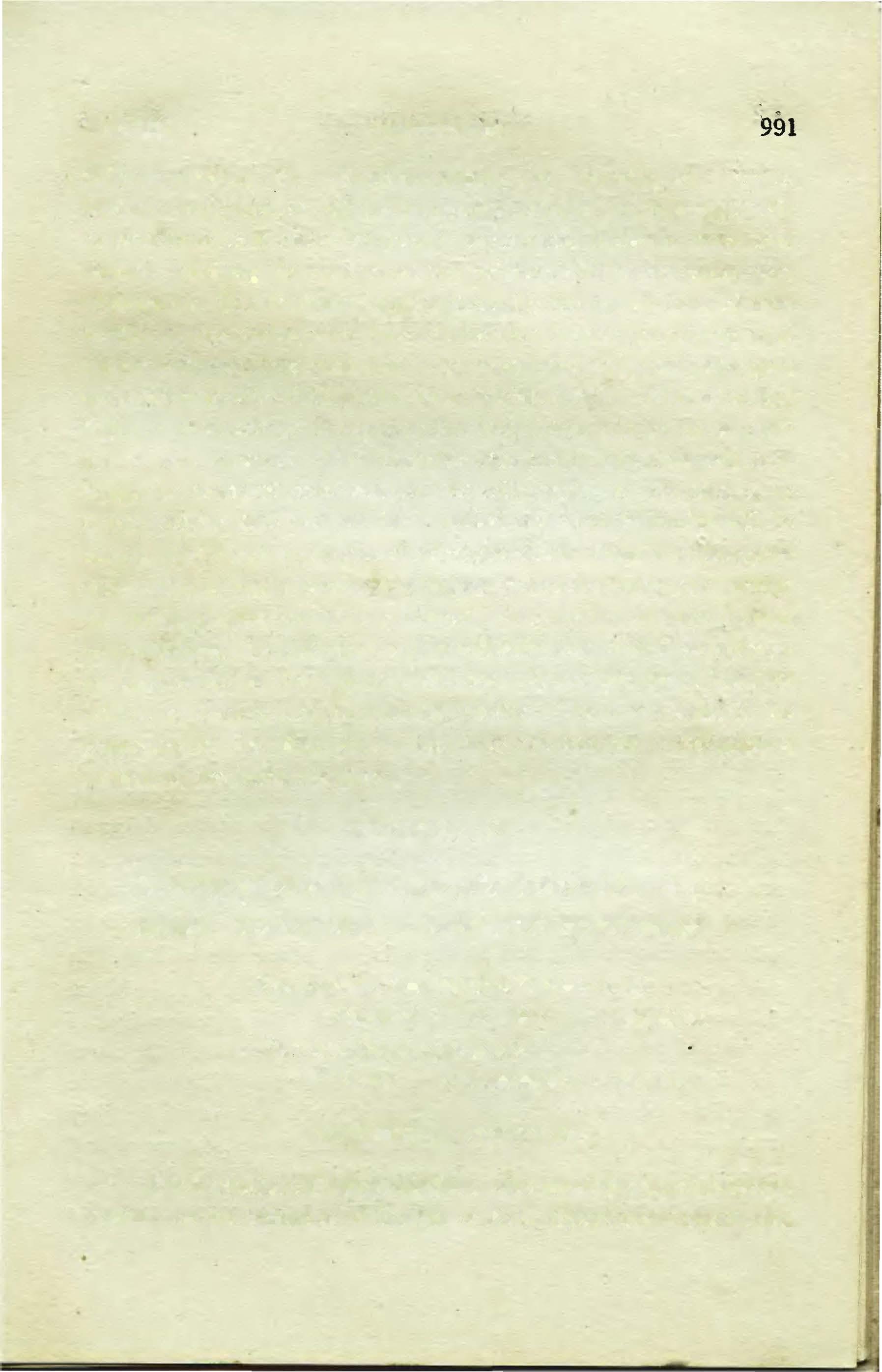
Kim kashatra handhun kalina upasristah Rastrani va tair avaropitani
Itas tato vasanapana vasah
Snana l!Yavaonnmukha jivaolkan.
ENGLISHSYNONYMS
Kim-whether, Kshatarahandhun-the unworthyadministrators, Kalina-by the influence ofthe age ofKali, Upasristah-bewildered
Text 22] FitiSTCANTO 991
22 flfi �R��'!" 'f'f�;:r)�G!t �tf't "'({�•�)fqarfit• ��) cmtt:flfti{�t:f! '"'"�'"'";:!�)"E=J)tfi'{ ••
No.
ilastrani-state affairs, Va-or, Tair-by them, Avarapitani-put into disorder, /tas-here, Tatas-there, Va-or, Asana-accepting foodstuff, Pana-drink, Vasa-residence,Snana-bath, �aVl!Jiosexual intercourse, Unnvmukha-lnclined, Jivalokam·-human society.
TRANSLATION
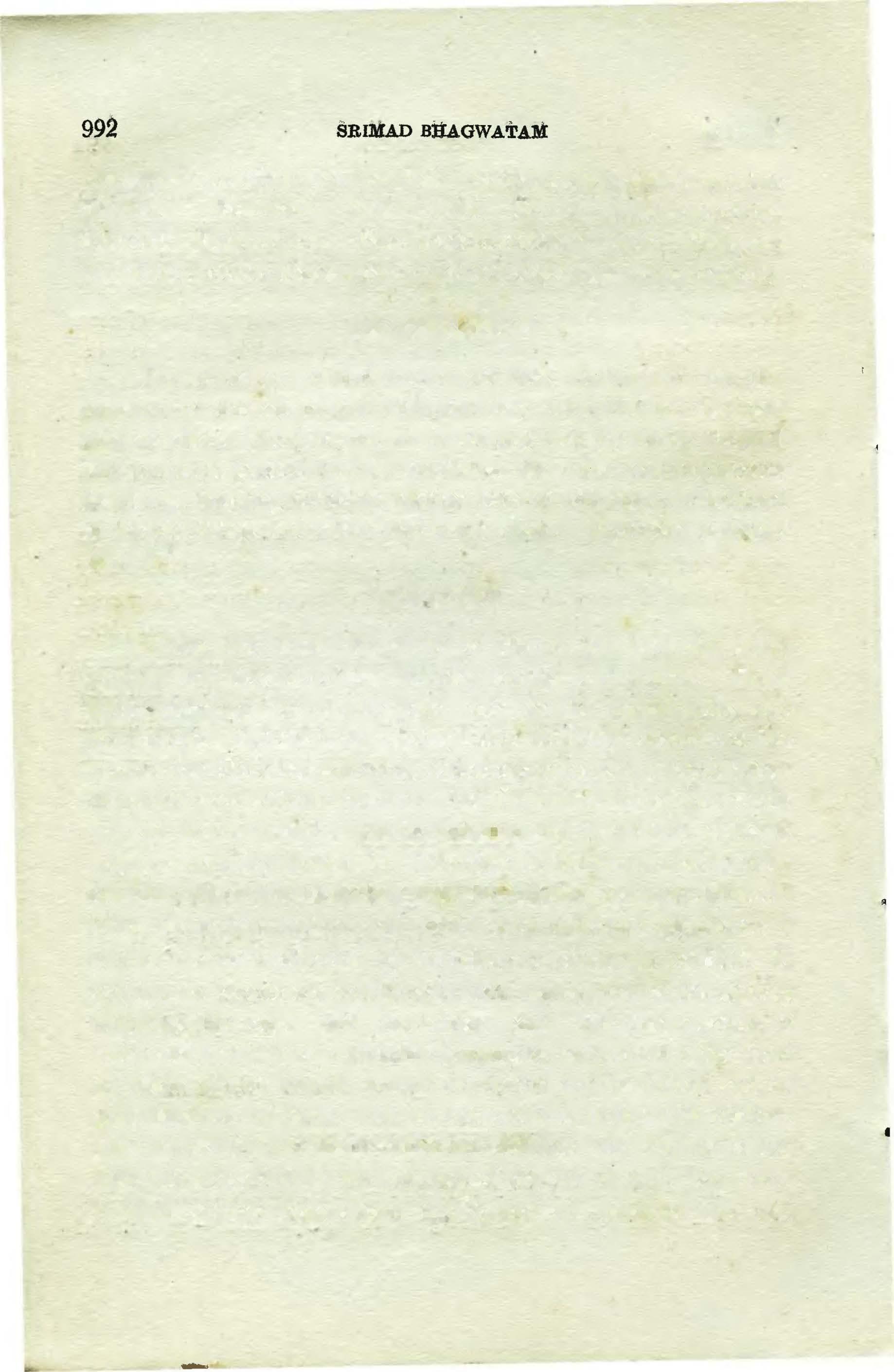
The so called administrators are now bewildered by the influence of this age ofKali and thus they have put into disorders all state affairs. Whether you are lamenting such disorderly things ? The people in general now do not follow the rules and regulations for eating, sleeping, drinking, mating etc and now they are inclined to do such things any where and every where. Ifyou are unhapay for this ?
PURPORT
There are, some necessities of life on par with the lower animals and they are eating sleeping fearing and mating. These bodily demands are equally good both for the human being and the animals. But the human beiog hasto fulfil such desires not like animals but like a human being. A dog can matewith a bitch before the public eyes without hesitation but ifa human being does so the act will be considered as public nuisance and the person doing so willbe criminally prosecuted. Therefore for the human being there are some rules and regulations even for fulfilling common demands. When the human society will avoid such rules and regulations it will be so done bewildered by the influence ofthe age ofKali. In this age the people are indulging in such neccessities of life without following the rules and regulations and this deterioration of social aud moral rules is certainlylamentable on account ofthe harm ful effects of such beastly behaviour. In this age the fathers and the guardians are not happy with the behaviour of their wards but they must know that so many innocent children are victims ofbad association awarded by the influence of this age ofKali. We know it from Srimad Bhagwatam that Ajamil an innocent son of a
16
992 [Ch.
-
Text 23) 993
Brahmin was passing the road and he saw a Sudr:1 pair sexually embraced. This attracted the boy, and later on the boy became a victim ofall debaucheries in the later days ofhis life. From a pure Brahmin he fell down tothe position of a wretched urchin arid it was all due to the bad association. There was one victim like Ajamil in those days gon:e by but in this age of Kali the poor inno· cent body and students are daily victims of the cinema shows which attract men only for th� matter ofsex induldence. The so called administrators are aU untrained in the affairs of a Kashatriya. The Kastriyas are meant for administration as the Brahmins are meant for knowledge and guidance. The word kshatriyabandhu means the so called administuators or persons promoted to the post of the adminittrator without_prpper training by culture and tradition
Now a days they arepromoted to such exhalted posts bythe votes of people who are themselves fallen in the rules and regulations of lif�. How they can select a proper man who are themselves fallen in the standard of hfe. Therefore, by the influence of the age of Kali everywhere politically, socially or religiously everything is topsyturvie and therefore for the sane man they are all regretable factors looking forward to the g:eneral welfare of the human society.
TEXT No. 23

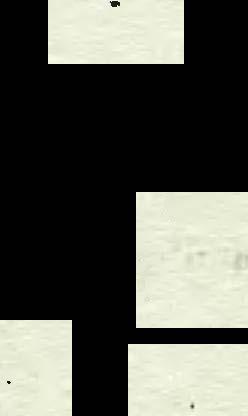

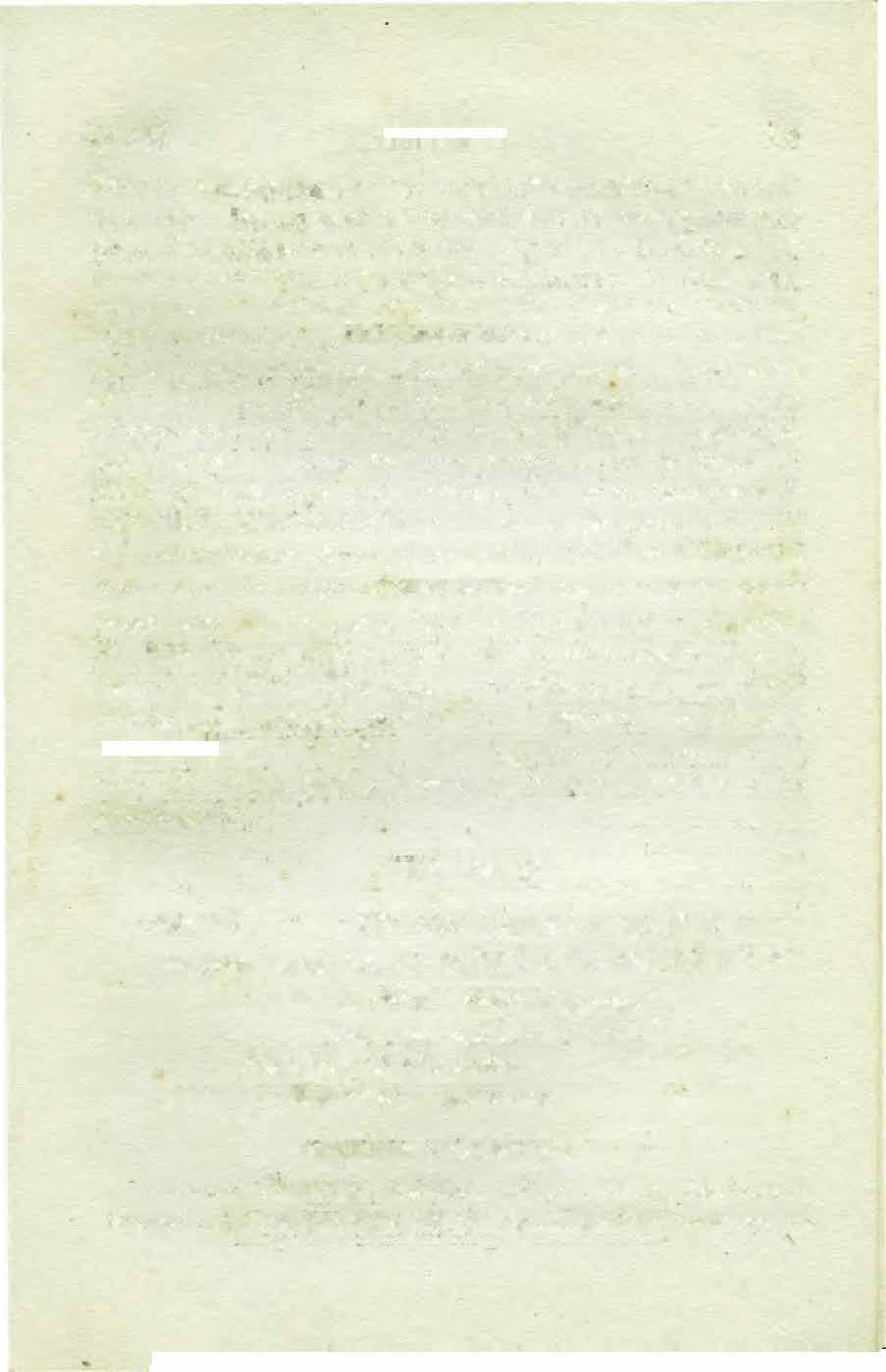
Tad va atnbtt te bhuri bharauatara
Krita auatarasya harer dharitri
Antahritasya smarati uisrista
Kammni nirvan vilambitani.
ENGLISH SYNONYMS
Tad-that, Va-may be, Amba-oh mother, Te-.your, Bhuri--heavy, Bhara··Load, Va.tara-decreasing the load, Krita-done, Auatarasya-one



lfi'" it �ft1n�l'('f!�"{�lf ,��f'(f� '
IR'a'ttRlf f'l'(al NtfiS!T ffi'fffVt f;rqfvrf�fl:•atftt ''
who incarnated, Harer-of Lord Sri Krishna Dharitri-oh the earth, .Antarhrita.rya-of him who is nowout ofsight, Smarati-while think. ing of, Visrista-all that were performed, Karmani-activities, Nirvan-salvation, Vilamhitani-that which entails.
TRANSLATION
Oh mother earth, the Supreme Personailty ofGodhead Hari incarnated Himselfas Lord Sri Krishnajust to unload your heavy burden whatever He has had done here they are all transcendental activities cementing the path of liberation. You are now bereft ofd His presence and probably'you are thinking ofthose activites and feeling sorry in their absence.
PURPORT
The activities of the L?rd includes liberation but they are more relishable than the pleasure derived from Nirvana orliberation. According to SrilaJiva Goswami and Viswnath Chakravarty Thakur the wurld used here is Nirvaaabiclambitaai that which minimses. the value of liberation. To attain nivana or liberation one has to undergo severe type ofTapasya austerities but the Lord is so merciful that He incarnates to diminish the overburden of the earth and simply by remembering such activities one can defy the pleasure derived from Nirvana and reaches the transcendental abode of the Lord to associate with Him eternally engaged in His blissful loving service.
TEXT
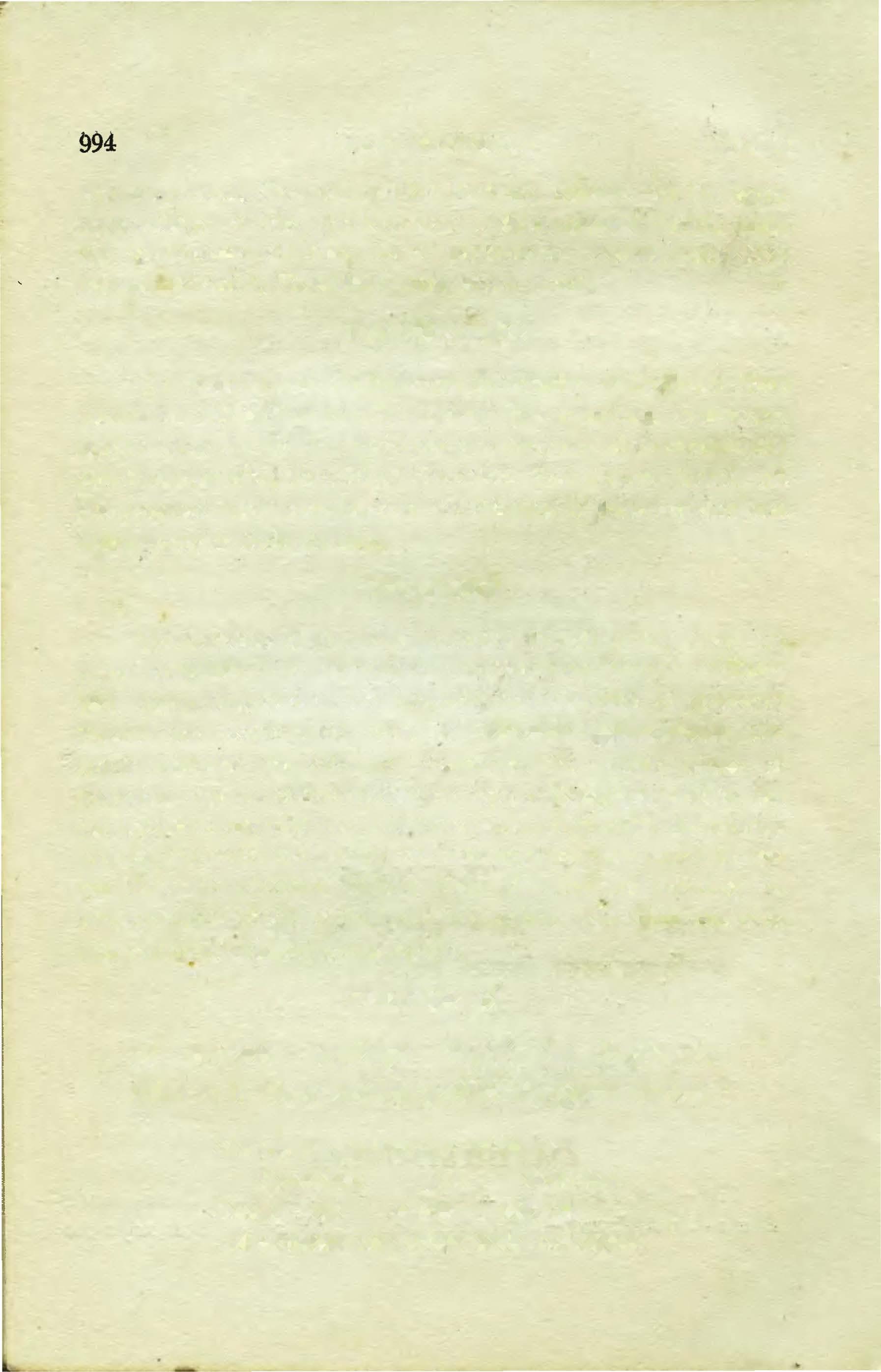
994 SlUMA.o :tlHAGWATAM [Ch. 16
No. 24 �� qqT..-&11 aCJTf�'l� �er� it;:r �fmnfu • ��en 8 .m.., .-\"t'ttfm �Tf� fifita� �"'"� ••
!dan mama achaksha tava adhimulam Vasundhare yena vikarsitasi. Kalena vate valina valiyasa Surarchtiam king hritam amha sonbhagam.
ENGLISH SYNONYMS

!dam•·this. Mama-unto me, Achaksha-Kindlyinform,Tabayour, Adhimulam-the root cause ofyour tribulations,Vasundharethe reservoir ofall riches, Tena-dy which, Vikarsitasi-reduced to much weakness, ·Kalena-by the influence oftime, Va-or, Teyour, Valina-very powerful, Valiyasa--more powerful, Surarchitamadored by the demigods, Kim-whether, Hritam-taken away. Amha-mother, Soubhagam-fortune.



TRANSLATION
Mother, you are the reservoir of all riches, you may inform me about the root cause ofyour tribulations bywhich you have been reduced to so much weakness. I think that the powerful influence oftime, which conquer over the most powerful, might have ford bly taken away all your fortune which was adored even by the demigods.
PURPORT
By the Grace of the Lord each and every plan.et is created fully equipped. So this earth is not only fully equipped with all the riches for the maintenance of the inhabitants but also when the Lord descndes by Hisincarnation on theearththewhole atmospht-re becomes so much enriched with all kinds ofopulences that even the denizens ofheaven worship it with all attention. But by the will ofthe Lord the whole thing can at once be changedinto a different condition. He can do and undo a thing at His sweet will and as such no body should consider himself as self.sufficient or independent ofthe Lord. TEXT
Text. 24] FIRST CANTO 995
25 1f(G9)Cfl�: � �iter�"• q;q-f !l(qf2'fi'Jm, ·�f1ttfti� q.., �'�'"'-'' '.
No.
Sri Dharani uaa&htJ. : Bhavan hi veda tatsarvamyet mam dkarrqa anuprichhasi
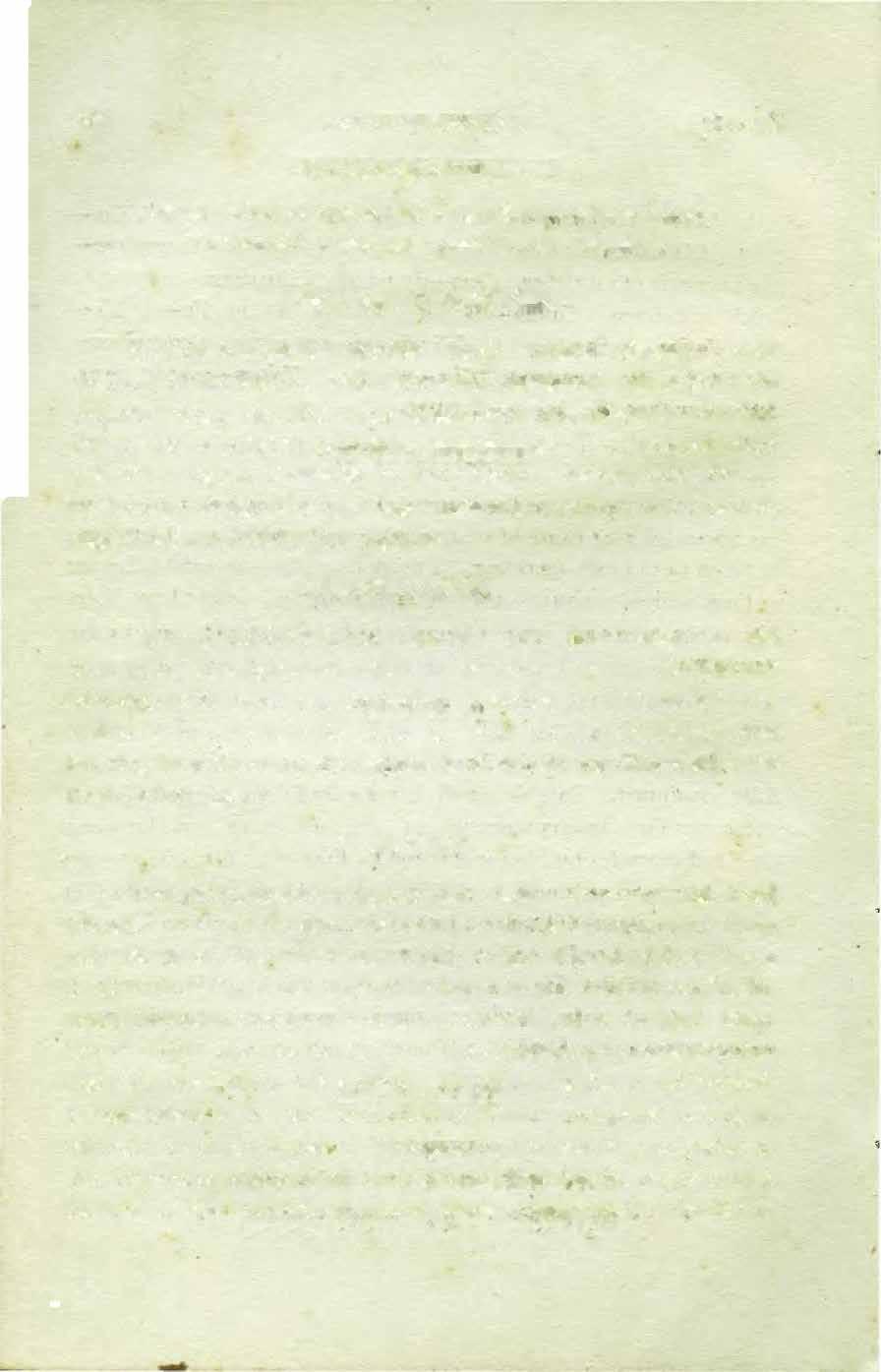
Chaturbhir uartaseyena padair loka. sukhahahai.
ENGLISH SYNONYMS
Sri Dharaniuvacha-Mother earth replied, Bhavan- your goodself, Hi-certainly, Veda-know, Tat.tarva--all that you have enquired from me, rat-that Mam-from me, Dkarma-Oh the Personality ofreligious principle, 4.nuprichhasi-You have enquired one after another, Chaturbhir--by four, Vartasl-dO you exist, rmaby which, Padair-by the legs, Loka-in each and every planet, Sukhabahai-increasing the happiness.


TRANSLATION
The earthly deity in the form of a cow thus replied to the Personality of religious principles in the fromofabull, uohDharma whatever you have enquired from me they are all known to you and yet I shall try to reply all those. You too also maintaned your four legs and increased the happiness of all over the universe by the mercy ofthe Lord"
PURPORT
The principles of religions are laid down by the Lord Himself, and the executor ofsuch laws is the Dharamraj or Yamraj. Such principles do work on fully in the age of Satya Yuga; in the Treta Yuga and they are reducedbyafraction ofone-fourth, in the Dwapara they are reduced to one-half and in the Kali Yuga they arereduced toone fourth graduallydininishingto the -zero point; and then devastation takes place. Happiness ofthe world depends proportionately on the maintenance of the religious principles individually or collectively. The best part ofvalour is to maintain the principles inspiteof all kinds of odds and thus be happy during the span oflife utti�.ttely returnin� back toh.oiJJe back toGodhead.

996 SRIMAD BH.AGW.l'l.'Alll [Ch. 16
Text 26-30]
PmST CANTO
�fal'iicqt.n.-afmtr. �"N wtWitii• ...
� C'l�(fq-: � fafitlft)'fda:�at{II
.rFi f'f��-q. �.a-;r) 'fit ''!ftr: I
•
'"'�'litmi ��nf;a"fzq· �nmcr "'•
sn••�"-' �: �q· "'-' an=� oqq:1
m�111ar"q4itft:M4 lfftaNMrs;r�:u
q8;n;q • 41•t�fiRq"T ""' 41�1yun:1
snwqf 'f�crf�f� F.qfi��'flf�f:cw�''
it.=r�yurqorjur �if.fcnir.:r �<:f'r•
m4ftfil ��� "'tq'"' �ifflftalt..
Saryam spucham dqya kshantis tyagah santosha arjavam
Samo damas tapak samyam titilcska uparatim srutam.
Jnanam viraktiaischaryam souryam tejo valams smritih
Swatantram kousalam kantir dhairyam ardavam eva cha.
Pragalbkyamprasrayah seelam saha ejah va1am dhagah
Gambkiryamsthairyam astikyam kirtimanoanahamkritih.
f'1t1maanye cha bhagawan ni�ayatra maluigunah
Pratqya mahatwam ichhathhirna vryanti sma karhichit.
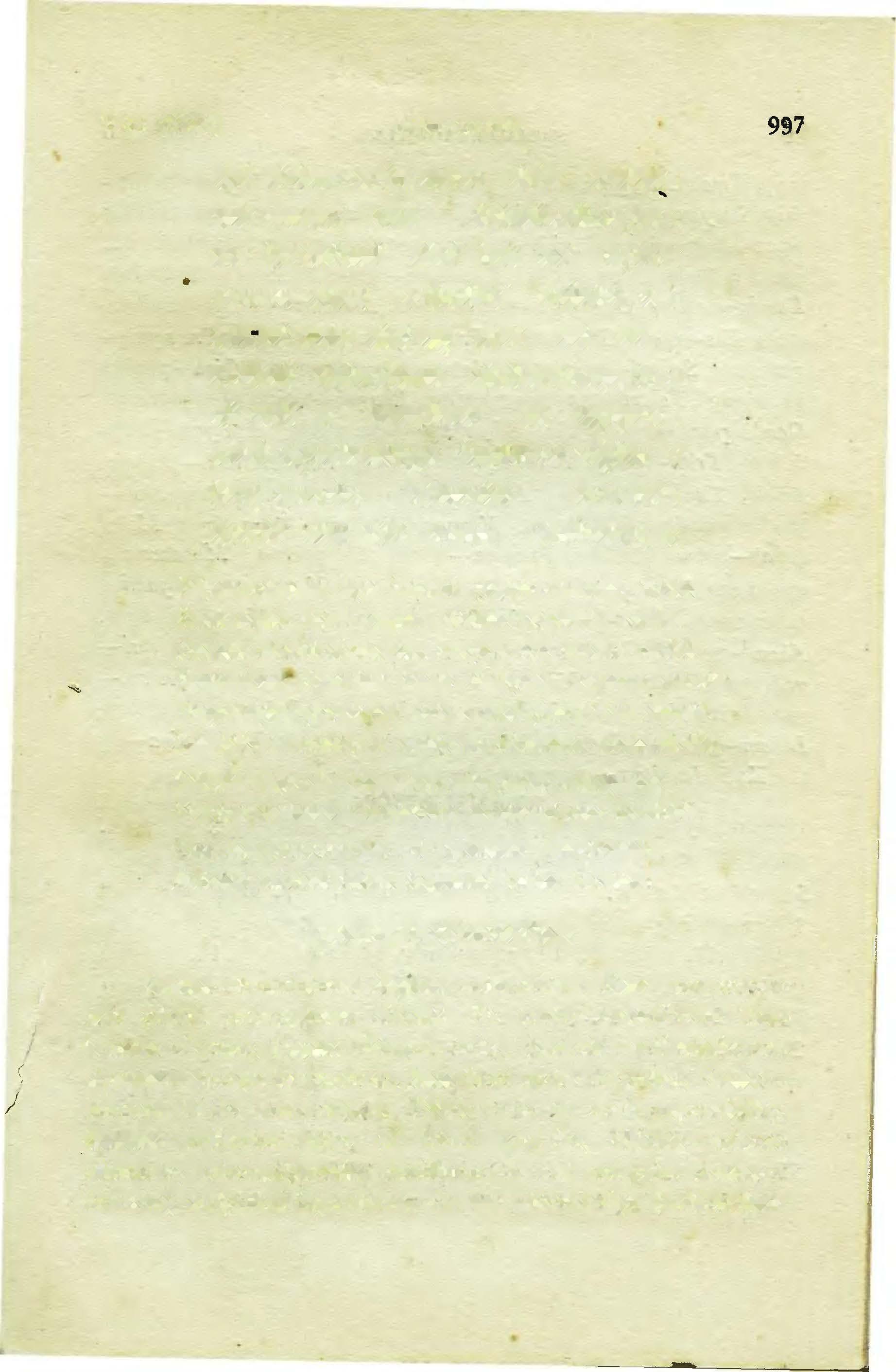
Tena hamgunapatrena sri nivasena sampratam
, Sochami rahitam lokam papmana kalina ikshitam.
ENGLISH SYNONYMS
Savram-truthfulness, Souekam-cleanliness. Daya-not to tolerate other's unhappiness, Kshanti-To control oneselfeven there is cause of anger, Tyagah-Magnanimity, Santosha-self-satisfaction, Ar.Javam-straightforwardness,Samo-fixedup by the mind, llamasfirmness ofthe sense organs, Tapah-true .to one's responsibility, Samyam-indiscrimination of friend and foe, Titiksha-tolerate offence by others,Uparatim-indifferent to loss and gain, Srutamfollowing scriptural injunctions, Jnanam-knowledg-e (self-realisat-
/
997
ion), Virakti-unattached to sense enjoyment, Aisc/zaryam-leadership, Souryam-chivalry, Tejo-influence, Valam-to render possible whatis impossible, Smritih-to find out proper duty, Swatantramnot to depend on other, Kousalam-dexterity in all activities. Kantir-beauty, Dhairyam-undisturbed, Ardavam-soft or kindhearted, Eva-thus, Cka-also, Pragalbhyam-ingenuity, Prasrayahgentility, See/am-mannerly, Saha-determtnation, OJah-perfect krowledge, Valam-proper execution, Bhagah-object of enjoyment, Gambhiryam-ever joyful, Sthairyam-immovable, Astikyam-faithfulness, Kritir-fame, Manah-worshipable, Anahamkritih-pridelessness, J'ete- all these, At!)'e cha-also others many, Bhagawanthe Personality of Godhead, Nirya-everlastingly,. J'atra·where, Mahagunah-great qualities, Prarthya-worth to possess, Mahatwamgreatness, lchhatam-those who desire so, Na-never, Vb'antideterierates, Sma-ever, Karhichit-at any time, Tena-by Him, Aham-myself, Gunapatrena-the reservoir of all qualities, Srigoddess of fortune, Nivasena-by the resting place, Sampratamvery recently, Sochami.:....I am thinking of, Rahitam-bereft of, Lokam-planets, Papmana-by the store of all sins, Kalina-by the Kali, Ikshitam-purviewed by.
TRANSLATION
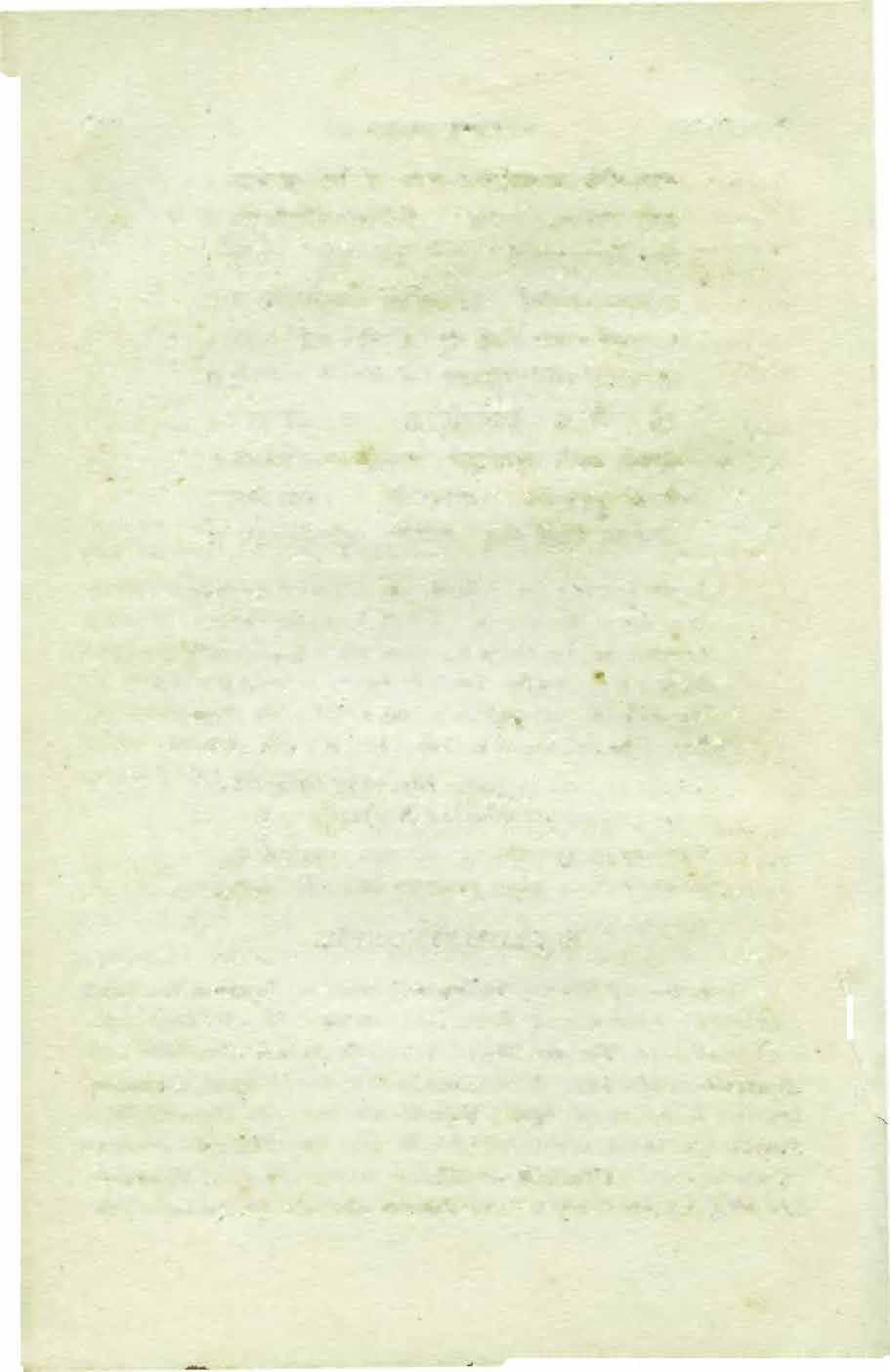
11And in whom, 1.. truthfulnees, 2. cleanliness, 3. . intolerance of other's unhappiness, 4. the power of controlling anger, 5. self-satisfaction. 6. straightforwardness, 1. fixity of mind, 8. controlling the sense organs, 9. Responsibility, 10. equality,H. tolerance, 12. equanimiiy, 13. faithfulness, 14. knowle ge, 15. absenced ofsenseenj- oym.ent,.16. leadership, 17. chivalry, 18. influence, 19•. power of making everthing possible, 20. discharging proper duty, 21. complete independence, 22. dexterity, 23. fullness of all beauty 2!-. of equipostion, 25. kind heartedness. 26. ingenuity. 27. gentility, 28. Magnanimity, 29. determination, 30. perfection of all knowledge, 31. proper execution, 32. possession of all object ofenjoyment, 33.joyfulness, 34. immov� ablity, 35. fidelity, 36. fame, 37. being worshipable, 38. prid�lessness .

998 SBIMADBHA.GWATAM [Ch. 16
\ ' \ I \
ss, 39. being the Personality of Godhead, 40. eternity-and many other transcendenal qualities are eternally present never to be separated fromHim, that Personality of Godhead the reservoir of all gcodness and beauty, Lord Sri Krishna has nowclosed histranscen• denral pastimes from the �aceof the earth and in his absence the age ofKali has spread its influence everywhere and) am actually sorry to seethis conditton ofexistence.
PURPORT
Even it is possible tocountthe a toms after smashing the earth into powder, still it is not possible to estimate unfathomed tramic endental qualities ofthe Lord. It it said that Lord Anantadeva has tried to eJ_Cpostulatethe taanscendentalqualities ofthe Supreme Lord by his numberless tongues and that for numberless years together still it has been impossible to estimate tne factual qualities of the Lord. The above statement ofthe qualities of the Lordis just to estimate his qualities as far as a humanbeing is able to see in Him. But even it is sothe abovequaltit_es can also be divjded into many subheading. AccordtngtoSrilajivaGoswmi itemNo.3. canbe subdi vided into 1. prdtection ofthe surrendered souls and 2. well wishes for the devotees particularly. In theBhagwat Geeta we have it from the statement of the Lord that he wants every soul to sur render unto Him only and by doing so he assures every one to give protection from the reactious ofall sins. Therefore unsurrend�red souls are not devotee ofthe Lord ard as such there is no particular protection for every one in general. For the devotees He has particularly all good wishes and those who are actually engaged in loving transceendental shrvice of the Lord, He has particular attention for such devotee and alwyasHe gives direction 1 to such pure devotees as it may help the devotee in the matter I ofdischarging his respnosibility on the .path of back to home, back to Godhead. By his quality (10) the Lord is equally kind to every one a<J much as the- sun is equal in distributing its rays over every one equally but still there are many who are
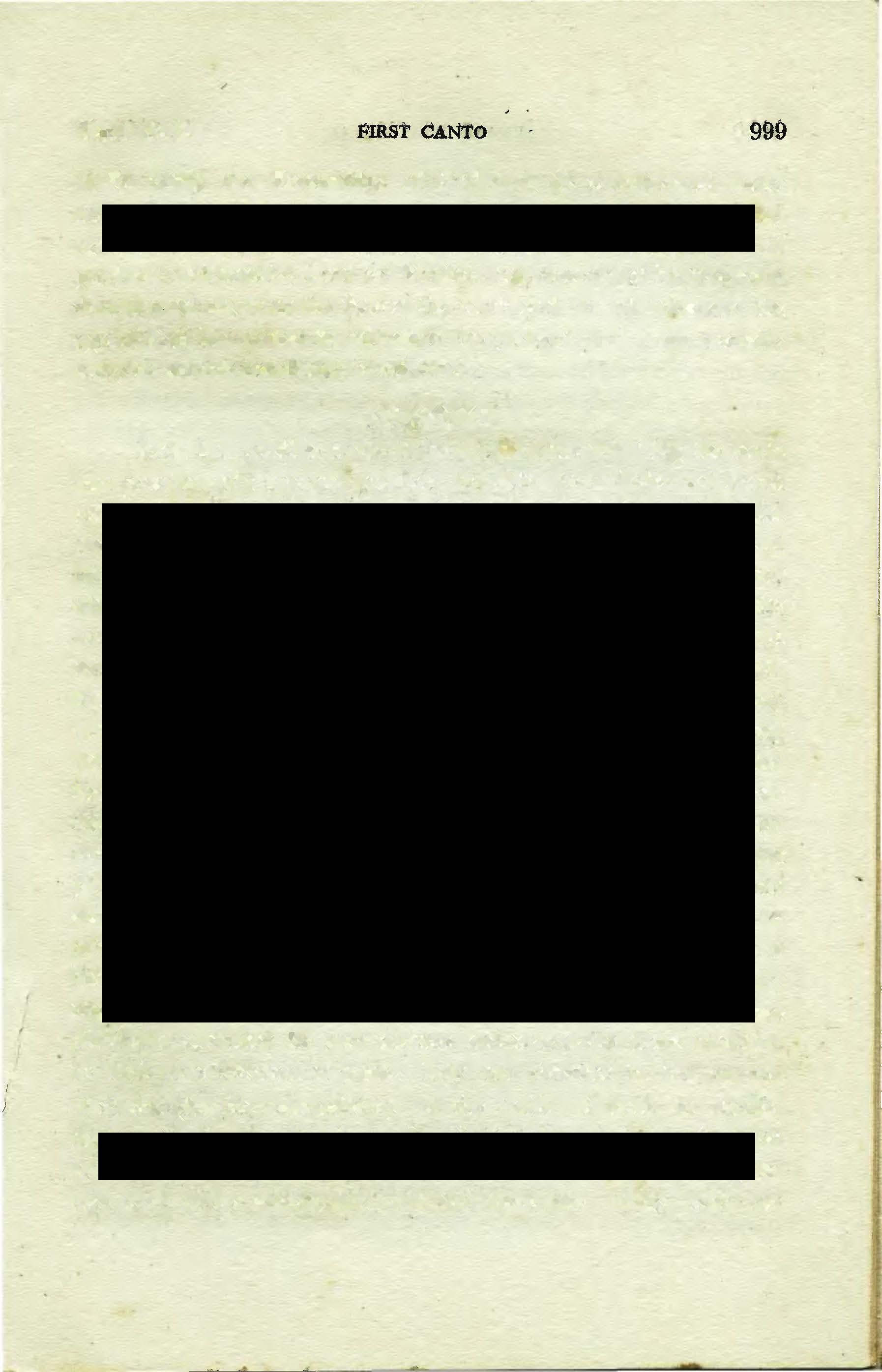
'Text 26-SO) 909
unable to take advuntage of the equal sun rays. Similarly the Ldrd syas thatsurrendering untoHim isthe guarantee for allprotection from Him but unfortunate persons ar! unable to accept this proposition and therefore they suffer from aU material miseries. So even though the Lord is equally well wishing to every one the unfortunate living being due to bad association only is unbale to accept His instructions in toto and for this the Lord is never to be blamed for. He is called welwisher partiality for the devotees only. It appears to be the quality of partiality by the Lord for His devotees but factually the onus rests on the living being to accept or reject the equal treatment by the Lord.





Item No. 7 fixity ofmind can be expnaded so that the Lord never deviates from His word ofhonour. Whomever does He give assurance for protection, the promise is executed at all circumstances. It is the duty of the pure devotee to befixed up in the discharge of duty entrusted to him by the Lord or the Lord,s bonafide representative the spirstual masterand the rest is carried on by the Lord without any break.
Responsibility ofthe Lord is also unique. The Lord has no responsibility practically because all His work is done by His different appointed energies. But still He accepts voluntary responsibilities in the matter ofdisplaying different roles in His trascendental. pastimes. When as a boy He was playing the part of a cowboy as son of Nanda Maharaj he discharged the responsibility perfectly. Similarly when He was playing the part of a Kshatriya youngman as the son ofMaharaj Vasudeva He displayed an;the skill ofa marshal spirited Kshatriya, In almost all cases the Kshatriya king has to secure a wife by fighting or kidnapping the girl. This sort of behaviour for Kshatriya is eulogistic in the sense that a Kshitriya must show his power ofchivalry before his would be wife so that the daughter ofa Kshatriya is pleased to see the valour of her would be husband. Even Personality ofGodhead Sri Rama also displayed such spirit ofchivalry during his marriage. He broke the
1000 SRIM.ADBHAGWA.TA.M [Ch. 16
strongest bow called Haradhanuand achieved the handofSita Devi the mother ofall opulence. It is practically the display of Kshatri· ya spirit during marriage festival and there was nothing wrong in such fighting. Lord Sri Krishna discharged such responsibility fully because although He had more than 16000 sixteen thousands of wi"es in each every case He fou�ht like a chivalrous Kshatriyaand thus secured a wife. To fight sixteen thousands oftimes for securing sixteen thousands ofwives is certainly possible by the Supreme Personality of nodhead and not by any one else. Similarly he displayed full responsibility in the matter ofevery actions in His diff'e· ent transcendental pastimes.
Item No. 14 Knowledge can be further extended into five subheadings namely l. intelUgence, 2. sreatfulness, 3. power ofun· derstanding the circumstantial environmentsof place, object and time. 4. Perfect knowledge of every thing and 5 Knowledge of the self. Only the fools are ungrateful to their benefactors. The Lord howeverdoes not require to bebenefited by any one elsebesides Himselfbecause He is full in Himself and still He feels benefited by unalloyed services of His devotees. The L:>rd feels grateful to His devotees for such unsophisticated, unconditional service of a devotee and tries to reciprocate it by rendering service to such devotees although the latter also have nosuch desire from the heart. Transcendental service ofthe Lord is itselfa transcendentalbenefit for the devotee and therefore the devotee has nothing to " expect from the Lord. On the assertion of Vedic aphorism Sarvam
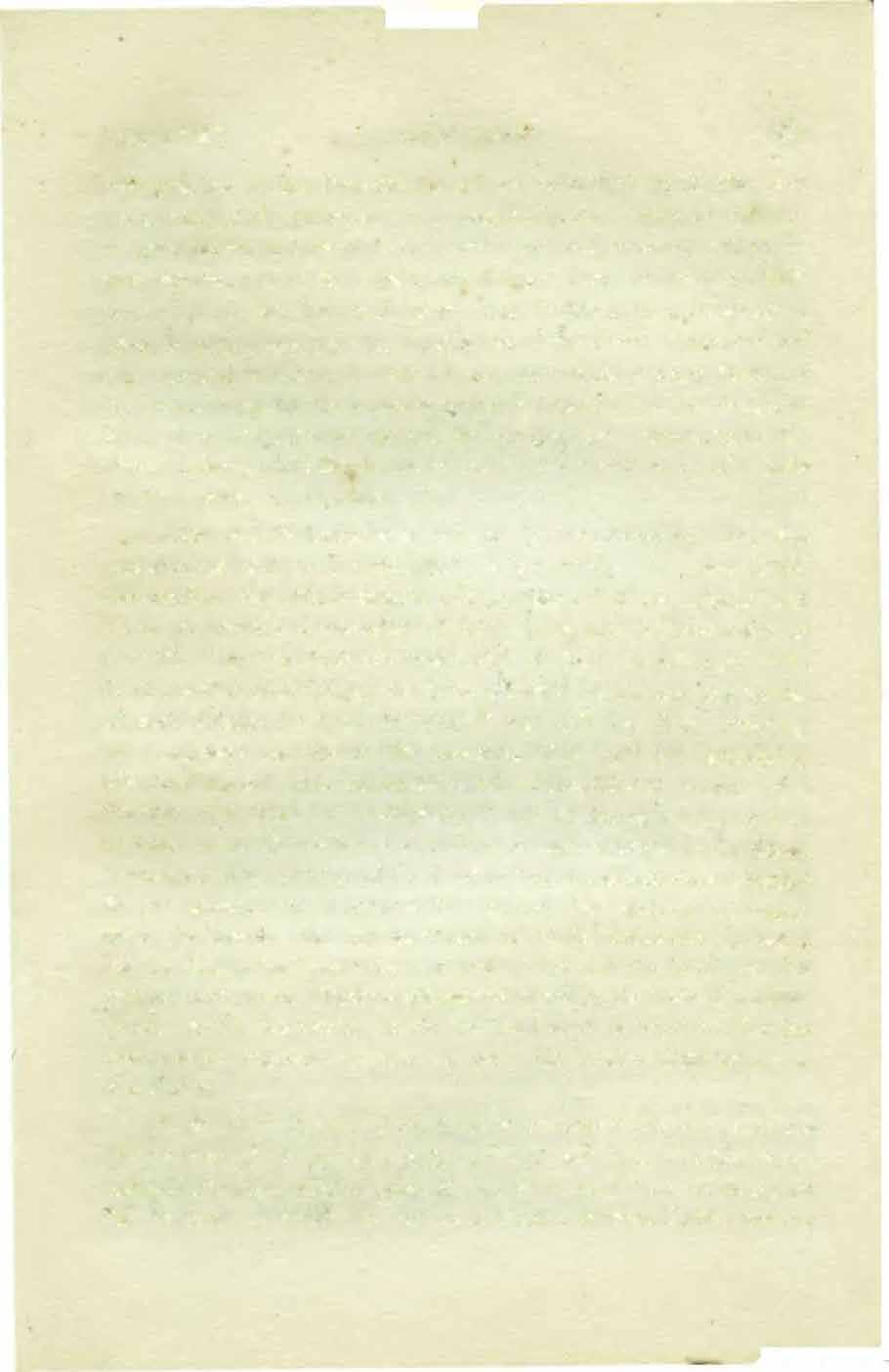
Khalu ldam Brahman we can understand thatthe Lord, by His omnipresentraysofPersonaleffulgence called bythe name Brahm& jyoti,-is all pervading inside or outside of everything like the omnipresent material sky and as such He is also Omniscient of everything.

So far asthe beauty ofthe Lord is concerned He has some special features ofHis personal body distinguished from all other living beings and over and abovethat He hassome special attractive beauti· ful featurts by which He attracts the mind ofeven Radharani the

Text 26-30] FlUSTCANTO 1001
supermost beautiful creation ofthe Lord. He is known, therefore, as Madan Mohan or One who attracts themind of the Cupid even. SrilaJiva Gosami Prabhu has scrutinisingly annalysed other transcendental qualities of the Lord and affirms that Lord Sri Krishna is the Absoiute Supreme Personality of Godhead (P�r�m .Brahman) . He is omnipotent by His inconcievable energies and therefore He is the Yogeswara or the Supreme Master of all mystic powers. Being the Yogeswara His eternal Form is spiritual orcombination of eternity bliss and knowledge. The non-devotee class can not understandthe dynamic nature ofHis knowledge because they are satisfied reaching up to His eternity form :Jf knowledge. All great souls aspire after being equal in knowledge with Him means greatness of His eternal knowledge or in other words,it means that al1 other ,s knowledge i> ever hmfficienc flexible and measurable whereas the knowledge ofthe Lord is everfixed and unfathomable. Sri]a Suta Go swami affirms in the Bhagwatam that although Hewas observed by the citizens ofDwarkaeveryday, theywere everincreasinglyanxious to see Him again and again. fhe livingbeing can appreciate the qualiti,es ofthe Lord as the ultimate goal but they cannot-attain thestatus quo ofsuch equality. This material world is ·� product of the Mahat fattwa which is a state ofthe Lord's dreamingcondition in His Yoganidra mystic slumber in the causal ocean and yet the whole thing appears to be as factualpresentation ofHis creation. Th . is _ means that the Lord's dreaming conditions are also factual lll(\Ilifestations. He can therefore, bring about everythingat His trjlnscendertal control and as such whenever and wherever does He appears He does so in His fuilnes� withoutdeviationofanyfractional peruntage ofHis full potency.
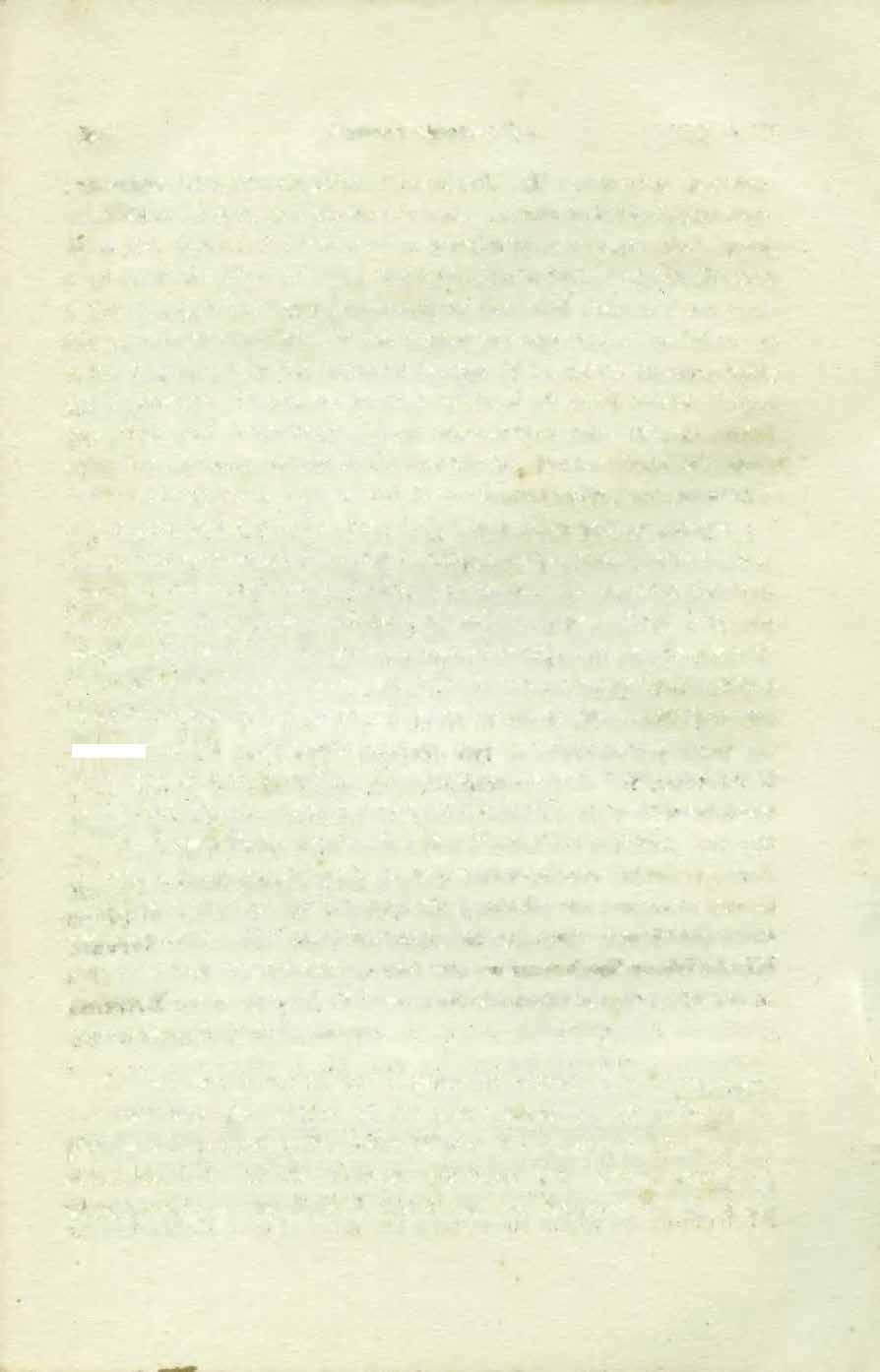
The Lord being all that is described above, it is He only who can maintain the affairs of the creation and by His so doing He gives salvation even to His enemies who are killed by Him. He is attractive even to the topmost liberated soul and as such He is worshipable even by Brahma and Shiva th� greatest_ of all demi-





1002 SRIMA.D8H.A.GWAT.A.M [ch. r6
gods. Even by His incarantion ofPurushavatara He is the Lord of the creative energy. The creative material energyis working nnder His directions as it is confirmed in the Bhagwat Geeta (B. G. 9/10) He is thecontrol switchofthematerial energyan·dto controlthe materialenergyin the innumerableunivero;es He is the root catise ofinnumerble incarnations in aU theuniverses. There are more than five lacs of incaranations ofManu only inone universe besidesother incaranations and thus we can simpiy imagine the number of His different incarnations in different universes. In the spiritual world however beyond the Mahat Tattwas there is no question ofincanations but thereare plenary expansionsofthe Lord in the differentVaikunthas. The planets in the spiritual skyar�at ]eastthree timesmore than they are within the innumerable universes in the Mahattatwa. And all these Narayana forms of the Lord are but expansions of His Vasudeva feature and as such He is both Vasudeva and Narayana and Krishna simultaneously. He is '(Sri Krishnagovinda hare murare, He natha narayuna Vasudeva " all in one. His qualities therefore cannot be counted by any one however great may one be.
TEXT No. 31
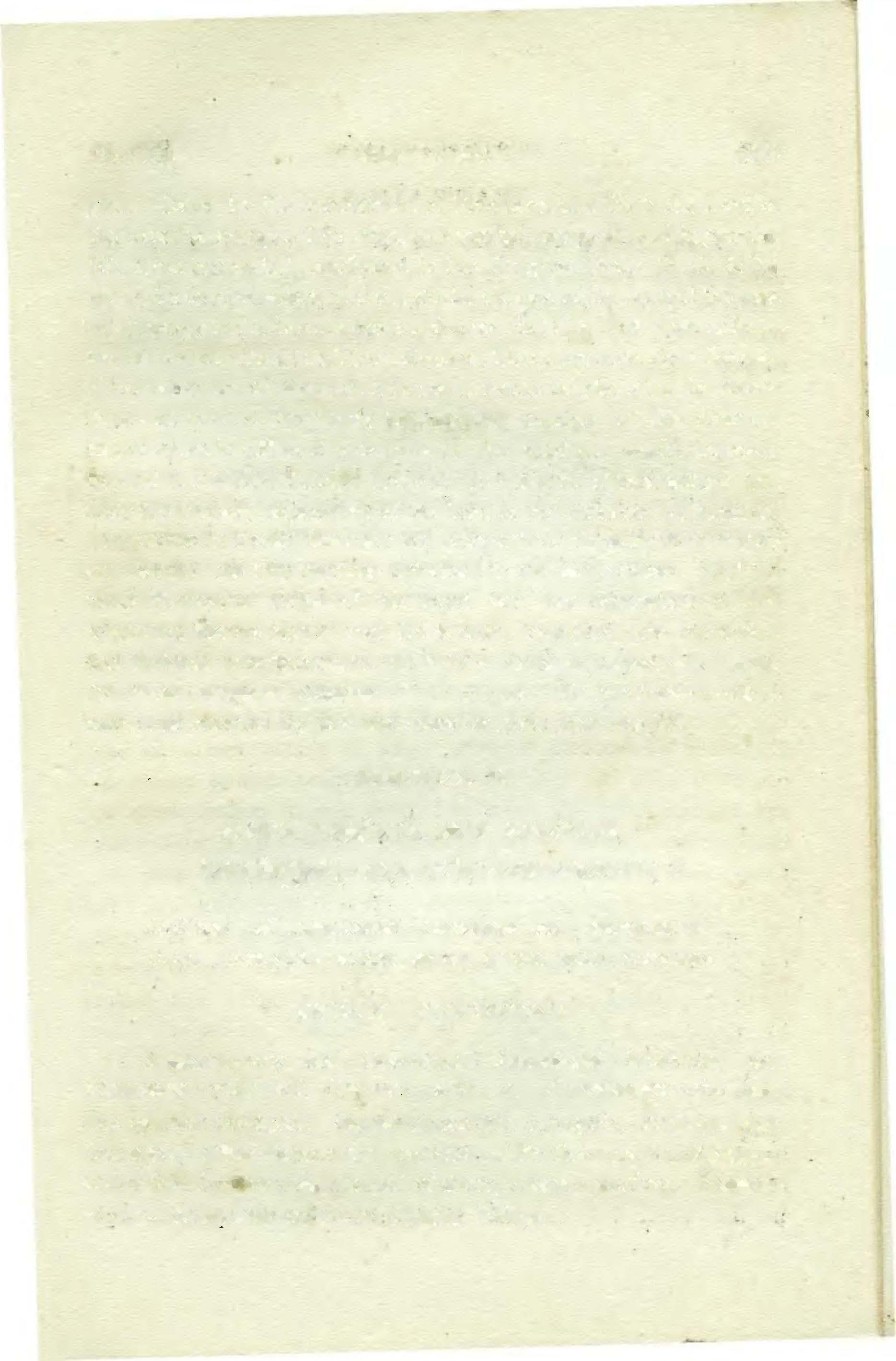
�'ift�tft{ � :qtq�)�q'! ' �ctr;:rftnf;:r.n;:r �1Ol'i �qf;:r Cfvtl�ll'{TSS�llT'i It '�C1 ' �' .... .....
Ah;an'lm chaanousochami bhavantam clza amrottamam
Devatt pitrin rishin sadlzun saruan varnastatha ashraman.
ENGLISH SYNONYMS
Atmanam-my self, Cha-also, Anusochami-1atnenting on, Bhavantam-your self, Cha-as well as, Amarattaman-the best amongst the demigods, Devan-about the demigods, Rishin-about the sages, Pitrin -about the denizens ofPitrilokaplanet, Sadhun· about the devotees, Sarvan-all ofthem, Varnan -sections, Tathaa� also, Ashraman-orders of human beings•.
Txet 31] . fiRST CANTO f003
IQ'T�'ft;:f
I am thinkig about my self and oh the best amongst the demigods for yourselfalso as well as for all the demigods, sages denizens <fthe Pitriloka, about the devotees of the Lord and aU men obdie"nt to the system ofVarna and Ashrama in the human society
PURPORT
To effect perfecticn of human life there is series of co-operative link between man to demigods, sages, denizens of thePitriloka, devotees of the Lord and the scientific system of Varna and Ashrama orders of Life. Distinction of human life and animal life therefore begins on the background of the scientific system of Varna and Ashrama guided by the experience of the sages and in relation with the demigods graduaJly rising to the summit of re-establihment ofour eternal.relation with the Supreme Absolute Truth Personality of God-head Lord Sri Krishna. When the God-made Varnashram Dharma, which is strictly meant for cooperation with the machinary bf developing animal consciou� ness to human consciousn�ss and from human consciousness to Godly consciousness of perfect living condition, is broken by advncement offoolishness of the human being, at that time the whole system of peaceful progressive life is at once disturbed. In the age ofKali the first attack of the venomeous snake is struck on the God-made Varna Ashrama Dharma and thus a person prope1ly qualified as a Brahmin is called a Sudra and Sudra by qua1ification is passing on as the Brahmin all on the false sense of birth right claim. To become Brahmin by the birthright claim is not at all bonafide although it may be fnlfilment of one ofthe conditions but the real qualification ofa Brahmin is to be �ituated on the strength ofcontrolling the mind, the senses, stamina oftolerance, simplicity, cleanliness, knowledge, devotion and faith in the Vedic wisdom and truthfuluess. In the present age

1004 SRBU.OBRAGWATAM [Ch . 16
TRANSLATION
•
consideration of the necessary qualification is being neglected and the false birthright claim is being supported even by a much popular sophisticated poet and author of'Ramcharit Manas'.
This is all due to the influence ·of the age of Kali and Mother earth represented as the Cow was lamenting the regretable condition.
TEXTNo. 32-33

WWq:q) �aq fRqifrq)atq\J"Tlaq: «"i:l'�'t lf'TCRSfq'"ff: I




�T�): �arcff�q�f�;tcr.:f f��Tst Q�qtq:�);rqq� 11iifi!\'S§�ffC:n II

a"�lfl�q'iiif!§f�!n����·�: sqjq�d�'TCftr: �q��aiq) I
�TiKll�)tf'A�•lt aa)f�"�!f��)!fi'T� � 'fTo'l'!iif��qqa-1 a� II
Brahmdayo -vahutitham yad apanga·mokslza
Kamas tapah samacharan bhagwat prapannah.
Sa sreeh swavasa aravindavanam -vihaya
Tad pada soubhagam alam bhajate anurkta.
Tarya aham abja kulisha ankusa ketu ketaih
Srimat padair hhagavatah samalamkritangi
Trin ati arocha upalabkpa tatoh vihlzutim
Lokan sa mam 1_Yasrijat utsmayatim tadante.
ENGLISH SYNONYMS
Brakmadl!)'o-demigods like Brahma and others, Vahutithamfor many days, Tad--of Lakshmi the goddess offortune, Apangamoksham-glance of grace, Kamas-being desirous of, Tapahpenances, Samacharan-executing, Bhagwat-unto the Personality ofGodhead, Praponnah-surrendered, Sa--She the Goddess ofFortune, Sreeh-Lakshmiji, Swavasa-Her own habitation, Aravi1tdavanamthe forest oflotus flower, Vihqya-Ieaving aside, rad-whose, Padafeet; Souhhagam-all billsful, Alam-without hesitation, Bhajate-
Txte 32, 33) FIRSTCANTO 1005
worshsps, Anurakta-being attached, Tava-His, Aham-Myself, Ahja-Lotus flower, Kulisha-thunderbolt, Ankusha-the rod for driving elephant, Ketu-Hag, Kttaih-impressions, Srimat-the owner ofaU opulence, Padair-by the palm of the feet, Bhagvatahof the Personality of Godhead, Samalamkritangi-one whose body is so decorated, Trin-three, Ali-superseding, Arocha-beautifully decorated, Upalahhya-having obtained, Tatoh-thereafter, Vibhutimspecific, Lokan-the planet, Sa-he, Mam-me, Vyasrijat-gave up, Utsam�gatim-while feeling proud, Tadante-at the end.



TRANSLATION
Lakshmiji the Goddess ofFortune, whose glance of Grace was sought after by demigods like Brahma and others and thus for many a days they surrendered unto the Personalityof Godhead,-did give up her own place ofhabitation the forest oflotus flower and engaged Herselfin the service ofthe Lotus Feet of the Lord. I was endowed with specific power ofsuperseding the fcrtune ofall the three planetary system for being decorated with the impression of the flag, thunderbolt, rod for driving the' elephant and lotus flower which are signs ofthe lotus feet ofthe Lord, but at the end when I felt ofbeing so fortunate, the Lord left me.
PURPORT

The beauty and opulence ofthe world can be enhanced by the Grace of the Lord and not by any manmade palanning. When the Lord Sri krishna was present on the earth the impressions of the special signs ofHis palm ofthe lotus feet were being stamped on the dust and as a result ofthis specific grace on the earth the whole atmosphere was as perfect as it ought to have been. In other words the rivers, the seas, the forests, the hills and the mines which are the supplying agents for the necessaries of the man and the animals, were fully discharging their respective duties and therfore the riches ofthe world surpassed aU the riches ofall other planets or the three planetary systems ofthe universe. One should therefore

1006 SRIMAD B:BAGWA.T.A.M [Ch. 16
ask the Grace ofthe Lord for beingpresent alwayson the surface of the earth so that we may be favoured with His causeless mercy and be happy having all necessaries oflife exuberantly. One may ask how we can detain the Supreme Lord on this earth after His mission is fulfilled and His leaving this earth fol" His own abode? The answer is that there is no need ofdetaining the Lord but the Lord being omnipresent He can be present with us if we want Him at all. By His omnipresence potency He can always be with us if we are attached with His devotional service in the manner prescribed in nine transcendental service of hearing, chantitg, remembering etc. There is nothing in the world with which the Lord is disconnected. The onlything wemust learn isto excavate the_source ofconnection and be thus linked up with Him by offenceless service. We can do so being connected with Him by transcendental sound representation ofthe Lord. The holy name ofthe Lord and the Lord Himselfare two identical things and one who chants the holy name ofthe Lord in offenceless manner can at once realise that the Lord is present before him. Even by vibration ofradiosound we can partially realise the presence ofthe sound relativity and by resounding the sound of transcendence we can verily feel the presence ofthe Lord. In this age when everything is poluted by the contamination ofKali it is instructed in the Scriptures and preached by Lord Sri Chaitanya Mahaprabhu that by chanting the holy Name of the Lord, we can at once be free from the contamination gradually rising to the status oftranscendence for going back to Home back to Godhead. The offenceless chanter ofthe Holy Name ofthe Lord is as good an asupiciousness as the Lord Himselfand arrangement for movement ofsuch pure devotees ofthe Lord all over the world can at once change the troublesome face ofthe world. By propagation ofthe chanting ofthe Holy Narne ofthe Lord only we can be imm. une from all effects cf the age ofKali.
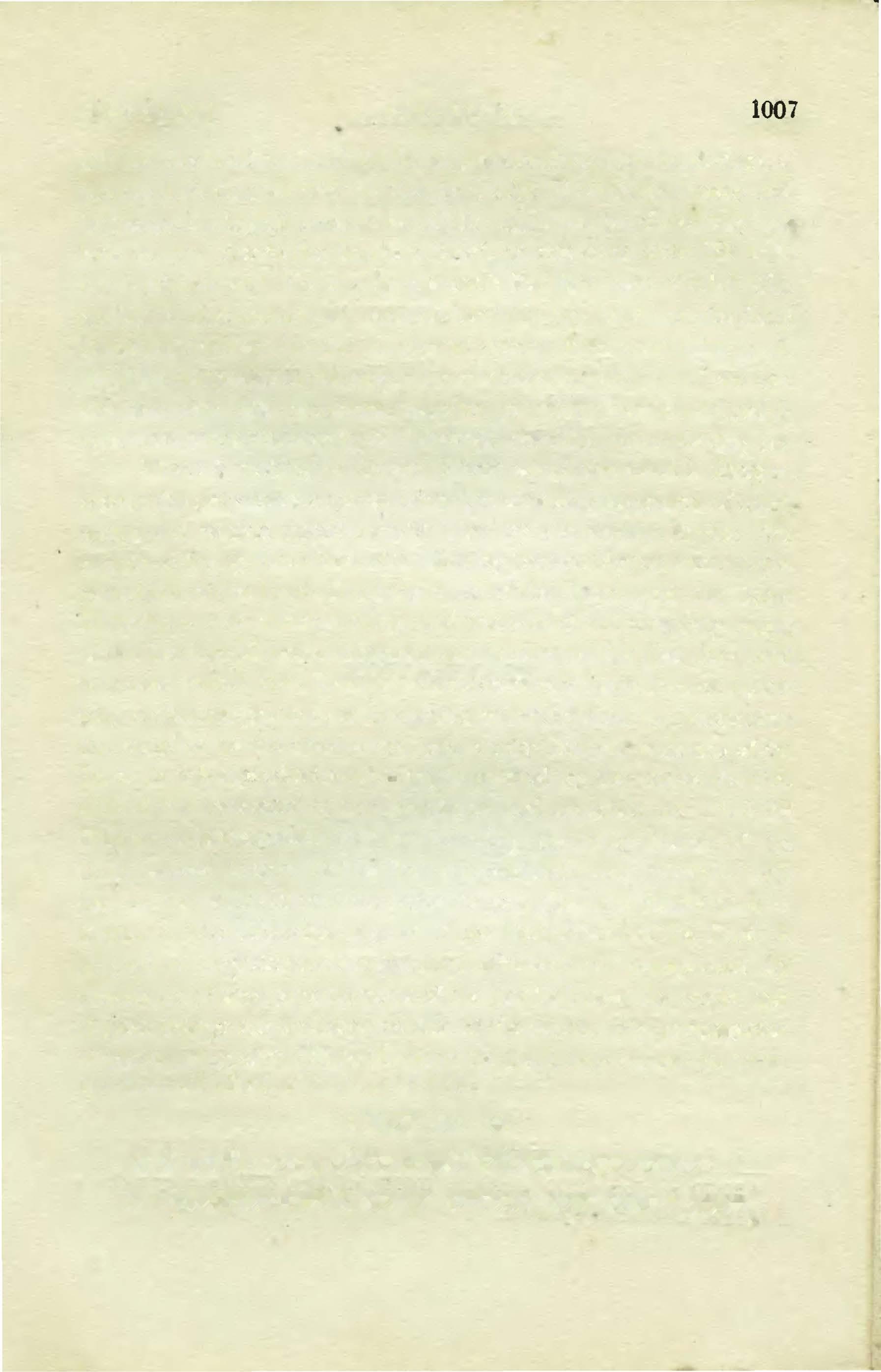
Text 32-34 ] FIRSTCANTO 1007
q) cl ""'m��l!�ci��'�"'�'lf�i�a�����: 1 � J:fq'{�Cf�IIR'If� q),qut ��qrfflf'! lift �li'IRtft� u
TEXT No. 34
SRIMAD BllAGWATAM: .
ro vai mama atihharam asurabansa rajnam
Akshuhoini satamapanudadat atmatantrah.
Tam dustham anupadam atmani pourasena

Sg,mpadayanyadusu ramyam abibhrat angam
ENGLISH SYNONYMS
[Ch. 16
ro-He who, Yai-certainly, Mama-mine, Atibharam--too much burdensome, Asurabansa-belonging to the unbelieverclass, Rajnaofthe kings, Akshouhine-One division of military phalanxconsisting of*, Satam·-such hundreds ofdivisions, Apanudadat-extirpated Atamatantrah-self sufficient, Tam-unto you, Dustham-put into difficulty, Anupadam-devoid ofstanding stength, Atmani-internal, Pourusena-by dint of energy, Sampadayan-for executing, radusuin the Yadu dynasty, Ra"9am-transcendentally beautiful, Abihhrataccepted Angam-body.
TRANSLATION
Oh the personality of religiousity, I was too much overburd. ened by the unaue military phalanx ofAkshouhini divisions by the kings of unbeliever. class and I was relieved by the Grace of the Personality ofGodhead. Similarly you were in distressed condition lessened by your standing strength ar.d as such he also incarnated to get you relieved from such condition by His internal energy appearing in the family ofthe Yadus.
PURPORT
Tl- e Asura-class of men on the surface oftheworld want to enjoy life ofsense gratifcation even at the cost ofother's happiness. Inorder to fulfil thisambition oflife the Asuras, specially the kings or the state executive heads, belonging to the unbeliever class of men, try to equip themselves with all kinds ofdeadly weapons
•21870 chariots, 21870 elephants, 106960 infantry, 65600 cavalry makes a diviaionofAkshouhiaiphalanx.
preparing to bring about a war in the peaceful society. They have no other ambition than personal aggrandisemnt and as such the mother earth feelsoverburdened by suchundue increaseofmilitary strength. By increase ofsuch Asurik population the principles of religiosity becomes hamperred and the total result is tha.t all the people ofthe world become unhappy, specially the devotee or Deva class of men feel too much for this anomalies of the Asurik civilization of selfaggrandisement.
In such situation only the Personality of Godhead incarnates just to vanquishthe unwanted Asuras and to re-establish the ture principles ot'religiosities. The misssion of the Lord Sri Krishna was this and He fulfilled it.
TEXT No. 35
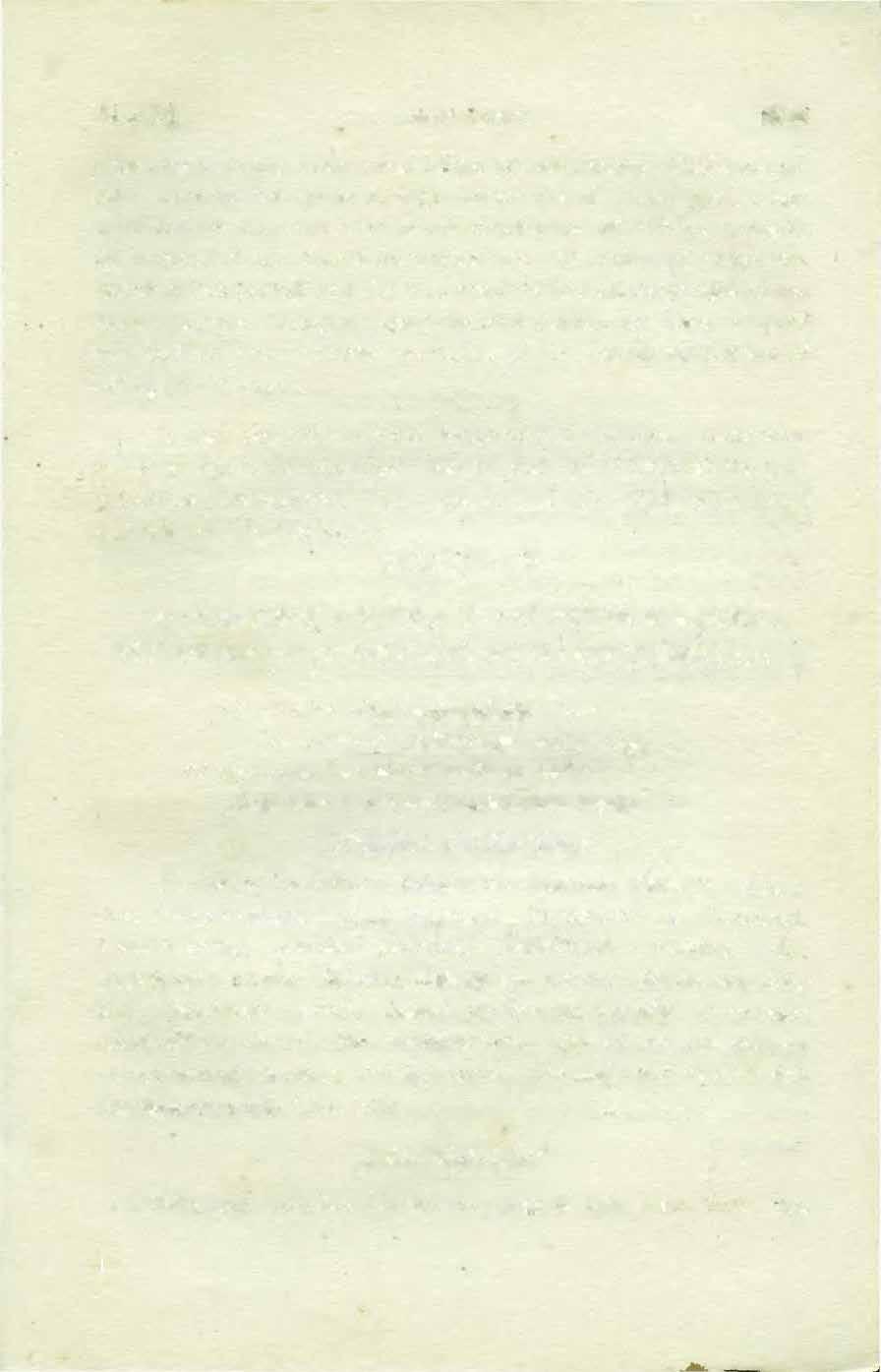
Ka va sa/zeta viraham purushottamasya Premaavaloka ruchirasmita valgujalpai.
Sthatryamsamanam aharatmadhu manininam Romotsavo mama yad anghri vitankitayah.
ENGLISHSYNONYMS
Ka-\vho, Va-either, Saheta-can tolerate, Viraham-separation, Pururhottamarya-'Jfthe Supreme Personality of Godhead, .Prema-loving, Avaloka-glancing, Ruchirasmita-pleasing smile, Vaglujalapi-tu�arty appeah, Sthairyam-gravity, Samanam-a]ong with passionate wrath, Aharat-conquered� Madhu-sweetheart ll<fanininam-women like Satyabha:na and others, Ramotsovoenjoying with women, Mama-mine, Tat-whose, Anghri-feet, Vitankitayah-imprinted with.
TRANSLATION
Who cau therefore tolerate the pangs ofseparation from that

Text 35) FIRSTCANtO 1()09
�r�r ��a-fat'(��qff)u't�tr�iftittor)""�f�'«'�iff�-l': 1 'q�· �qT;:rq��;q,_qTfit!lt'IT�)q)��) qq t��fRfitif�a"TtrT: U
Supreme Persona1ity ofGodhead ? He could conquerthe gravity and passionate wrath of His sweetheart women like Satyabhama and others by His sweet smile of love, pleasing glance and hearty appeals. When He traversed over my surface (earth) I would be immersed with the dust ofHis lotus feet and thus being sumptuously covered by grasses it would appear like hairs standing on me in pleasure.
PURPORT
There were chances ofseparationbetween the Lord and His thousands ofqueens on account of the Lord's being absent from home but so far His connection with earth was concerned the Lord would traverse by His lotus feet some where or other and therefore there was no chance ofseparation from His Lordship and the surface ofthe earth. Since the Lord had left he surface ofthe earth on account of His return to His spiritual abode, the feelings ofseparation ofearth was more acut ethan any ono else.
TEXTNo. 36

(flt)WEfi"flla): qfqCf)"lt:fq),atT • •

Tayor evam kathayato prithivi dharmayos tada. Parikshit nama rajarshipraptahprachim saraswatim
ENGLISH SYNONYMS
Tayor-between them, Evam-thus, Kathayato-engaged m cov�rsation, Prithivi-eari.h, Dharamvos-and the Personality of Dharma, Tada-at that time, Parikshit-King Parkshit Nama-of the name, Rajarshi-at saint amongst the kings, Parptah-became present,, Prachim-flowing towards the east, Sarsawtim-River Saraswati.
TRANSLATINO
The earth and Personality ofregiosity were thus enaged in
1010
SRIMAD BHAGWATA:M (Ch. 16
conversation and at that time the saintly King Maharaj Parikshit reached on the shore of Saraswati river flowing twards the east.
Thus end the Bbakativedanta Purports ofthe First Canto Sixteenth Chapter of Srimad Bhagwatam in the matter of 'How Parikshit Received The Age of Ka li,'


Text 36] FmST CANTO 1011
SEVENTEENTH CHAPTER
Punishment And Reward ofKali

et''51' q)fq,;f �TiiiT "tt'Tl'f'T'lT¥f�





Sri Suta Uoaaha :
Taira Gomithunam raJa hanyamana anathabat

Dandahastam cha vrisalla dadrishe mripa lanchhanam.
ENGLISH SYNONYMS
Sri Suta uvacha-Sri Suta Goswami said, Tatra-thereupon, Gomithunam-the pair ofcow and bull, Rajo-the king, Hanyamanam-being beaten by, Anathabat-apearing to be bereft of owner, Dandahastam-with logger in the hand, Cha-also, Vrisalam-lower caste Sudra, Dadrishe-observed, Nripa-king, Lahchhanamdressed like.
TRANSLATION
Suta Goswami addressed the Rishis· headed by Sounaka and said, 'After reaching the place Maharaj Parikshit observed it that a lower caste Sudra dressed like a king with loggger in the hand : -�was just beating a pair of cow and bull, as if they were bereft ofthe owner.'
PURPORT
Principal signs of the age Kaliisthat lower caste Sudras i.e.men, without any brahminica! culture and spiritual initiation, would be dressed like the administrators or kings and the prin . cipal
TEXT .NO .I � �ijfJ'IJf!
l i{Q� • '!� '�'!� iq�T�..-�tl
. •
business ofsuch non-Kshatriya rulers will be to kill the innocent animals specially the cows and the bull who shall be unprotected by their masters namely the bonafide Vaishyas or the merchanti1e community. In the Bhagawat Geeta (B. G. 18/44) it is said that the Vaishyas are meant for dealing in agriculture, cow protection and trade. In theage ofKali the degraded Vai·•hyas or the so called merchantile men are more engaged as supplying agent to the slaughter-houses than protecting the cow and the bull. The Kshatriyas are meant for protecting the human being citizens of the state while the Vaishyas are meant for protcting the cows and the bulls and utilise them in' the matter of producing grains and milk. The cow is meant for delivenng milk and the bull is meant for producing grains.* But in the age of Kali the Sudra-class men will be on the post ofadministrators and the cows and the bulls or the mother and the father without being protected by the Vaishyas will be subjected to be beaten in the slaughter-house organised by the lower caste administrators.
TBXT No.2
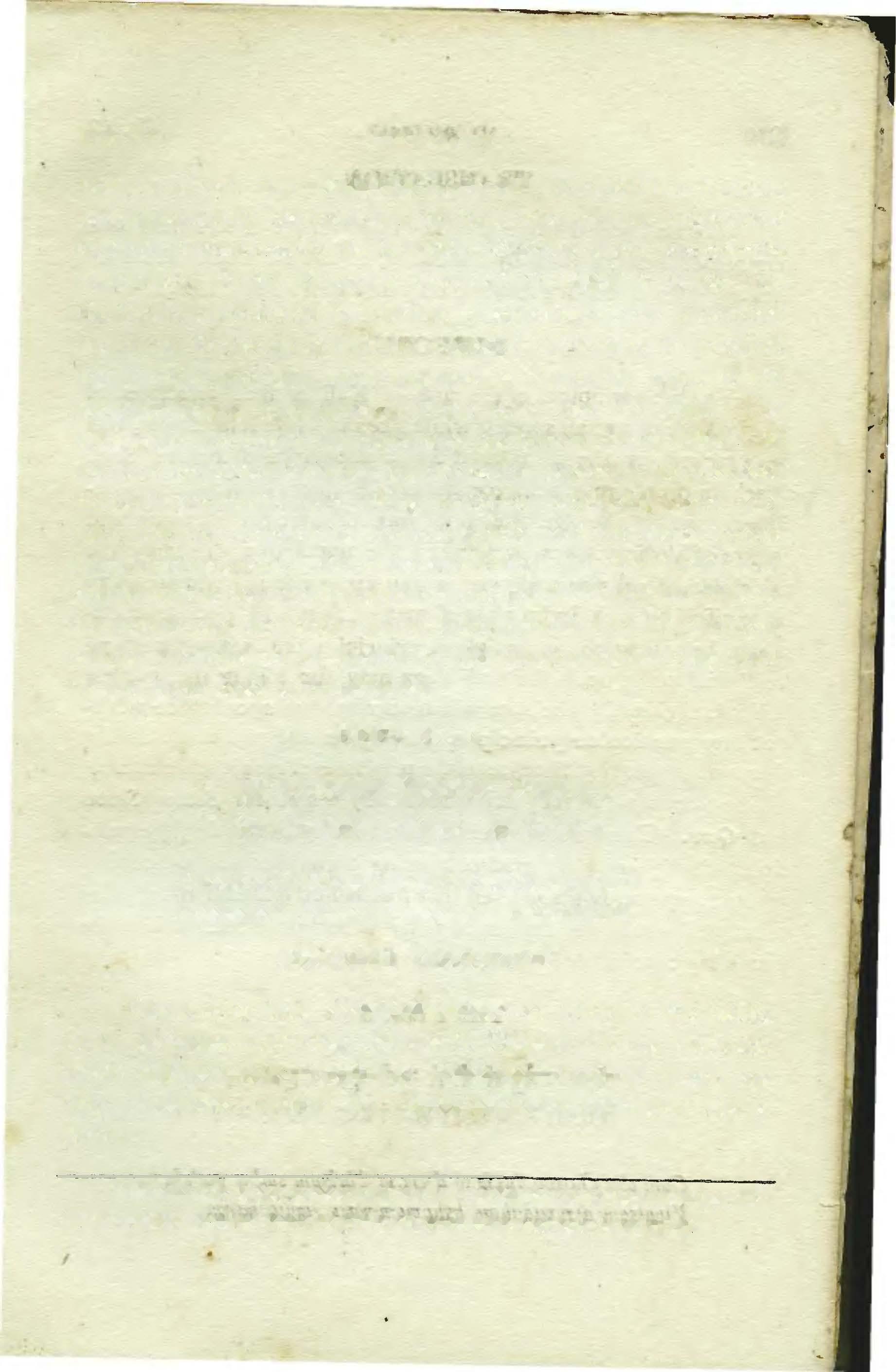
Vtisam mrinalbhavalam mehantam iva vibhyatam Vepamanam padaikena seeaantam sudrataditam.
ENGLISH SYNONYMS
Vrisam -the bull, Mrinaladharlalam-as white as the white lotus, Mehantam-urinning, Iva-as if, Vih�tam-being too much afraid of, Vepamanam-trembling, Padai!cend-standing on one leg only, Seedantam-terrified by, Sudratatlitam--heing beaten by a Sudra.
* Someoowisthemotherandthebullisthefatherofhumanbeing. The fatherandthemothermuttbegivenaUprot6otionandnottobekilled.
Text 2] FIRSTCANTO 1013
'!" ,oti�""" t{':af�• fif�� 1
�qqA d� ��a:� SJiatf" ''
..,
The bull was as white as the white Lotus flower and was terrified of being beaten by the Sudra; it was too much afraid of him and thus trembling and standing on one leg wasurining.
PURPORT
The next symptom ofthe age uf Kali is that principles of religions which are all spotless white like the white lotus flower, will · be attacked by the uncultured Sudra population ofthe age. Such attacking people may be descendants ofBrahmin or Kshatriya forefathers but in the age ofKali for want ofsufficient education and culture ofVedic wisdom, such Sudra like population will defy the principles of religion and persons who are religiously endowed will be terrified by such Sudra class of men. They will declare themselves belonging to no religious principles and many 'isms' and 'cult' will spring up in the Kali Yuga only for killing the spotless bull ofreligiosity. The state will be declared as secularorwithout any particularprinciple ofreligion and as a result of this there willbe totalindifference to the principles ofreligion, the citizens will be free to act as they like without any respect for Sadhu, Sastra and Guru. The bull was standing on one leg means that the prin- • ciples ofreligiousity are gradually being diminished or practically without any standing and even that fragmental existenceofreligious principles would be embarrased by so many obstacles as ifin the trembling condition offalling down at any !ime.
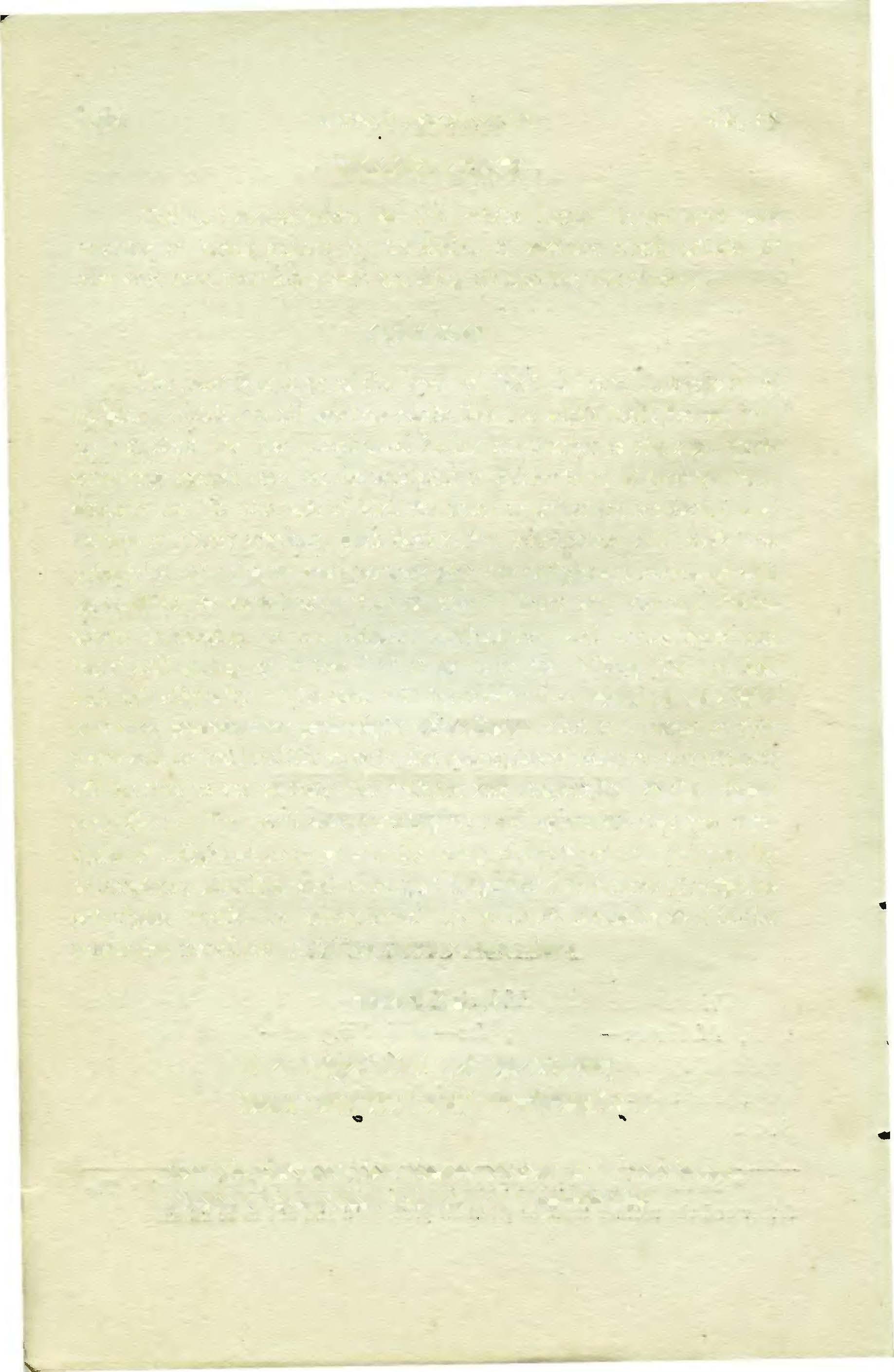
1014 SRIMADBHA..GWA..TAM [Ch. 17
TRANSLATION
TE:XT No. 3 -'tilil' "lqlqt G:tt:ri �� �qG:t(al't l fcrc«�tmssr�t �t'fi l.ICJ�f'f�ai+r '' � ' Gam cha dh
adugh
Vivatsam
kshamam
samichhatim • ..
arm
am deenam bhrisam sudra padahatam
aJruvadaham
yava
ENGLISH SYNONYMS
Gam-the cow, Cha-also, Dharmadugham-as beneficial as one can draw religimity from her, Deenam-now rendered poor, Bhrisam distressed, Sudra-the lower caste, Padahatam-beaten by the leg of, Vivatsam-witl-:out any calf, Asruvadanam-with tears in the eyes, Irshamam-very weak, Yava-grass, Samichatim-as if desiring to have some grasEes to eat.

TRANSLATION
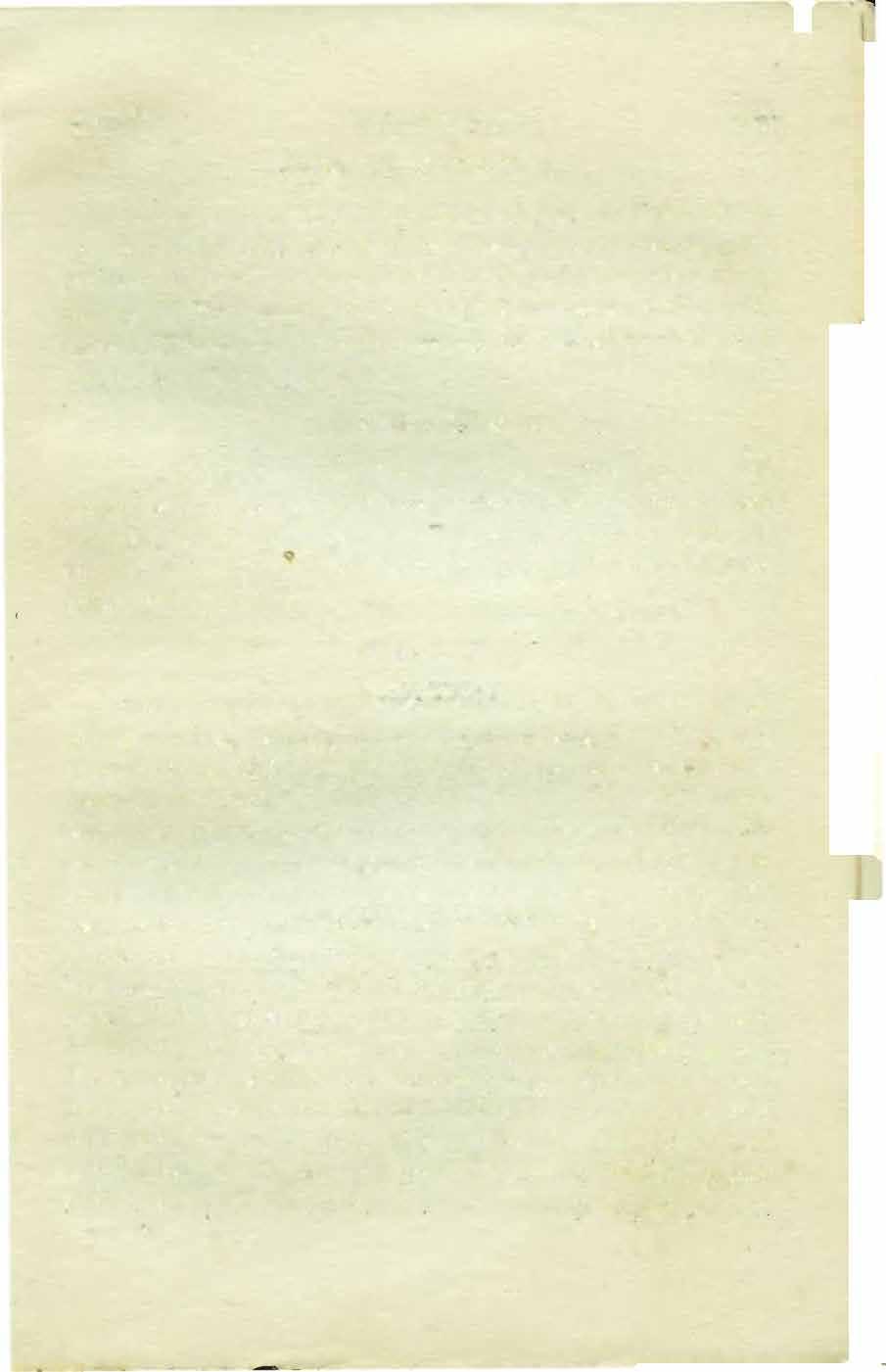
The cow is also as beneficial as one could draw out religious principles from her, butshe is now rendered poor, without any calf and being beaten by the leg of a Sudra, she is too muc\ distressed with tears in her eyes and being too weak she is hankering after some grass on the field.
PURPORT
The next symptom ofthe age of Kali is the distressed condition of the cow. Milking the cow means drawing the principles of religiosity in liquid form. The milk means cow's milk because it is liquid form of religious principles. The great Rishis and Munis would live only on the subsistence of milk. Srila Sukadeva Goswami would go to a householder while milking the cow and he would simply take a little quantity ofit for subsistence. Even fifty years before no body would deprive a Sadhu for a pound or two of milk and every householder would spare milk like water. For a Sanatanist (thefollowerofVedicprinciples) it is duty ofeveryhouseholder to have cows and bulls as houehold paraphernalia not only for drinking milk but also for deriving religious principles from her. The Sanatanist worhips cow on religious principle; as much as a Brahmin is so respected. The cows milk is required for the purpose ofsacrificial fire and by performing sacrifices the householder cqn only be happy. The cow with her calfis not only beautiful to look atbut also it gives satisfaction to the cow and happily she deliver:!
Text 17] FIRSTCANTO 1015
milk as much as possible. But in the Eali ruga the calves are separated from the cow as early as possible for purposes which may not be mentioned in these pages ofSrimad Bhagw:ltam. The cow stands with tears in the eyes and the Sudra milkman draws artificially milk from the cow and when there is no milk the cow is sent for being slaughtered. These great sinful acts, ofthe human being, are responsible for all the troubles in the present society. They do not know what they are doing in the name ofadvancement of economic development. The influence of Kali will keep them in darkness of ignorance and inspite ofaU endeavours for peace and prosperity ofthe human society at large, they must try to see the cows and the bulls happy in all respects. Foolish people do not know how happiness is tamed by making the cows and bulls happy but it is a factby the law ofnature. Let us take it from the authority of 'Srimad Bhagwatam' and adopt the principles for all round happiness ofthe human-kind.
TEXT No. 4

Sf� '{qt:I'T.I': i!fiTa�'('{qf�q:"I ..
Jtillfl'1=11i�lfT '(T:e(T �"T�)fqarm�"&fi': II

Prapachha ratham adhudhah karta�wara parichhadam
Megha gambhiraya vacha samaropita karmukah.
ENGLISH SYNONYMS
Prapachha-enquired, Ratham�chariot, Adhudha-seated on, Kartaswara-gold, Parichhadam-embo�sed with, Megha-cloud, Gambhiraya-exonerating, Vacha-sound, Samaropita--�:vell equipped, Karmukah-arrows and bow.
TRANSLATION
Maharaj Parikshit seated on the gold embossed chariot and well equipped with arrows and bow a<;ked him in an exonerating sound of cloud.
1016 SRIMA.D BHAGWA.T.A.M [Ch. 1 7
An administrative head or king like Maharaj Parikshit with full gravity of majestic authority and well equipped with weapons to chastise the miscreant, can challenge the �gents of the age of Kali and then only it will be possible to counteract the reaction of the degraded age. And in the absence of such strong executive head there is always disruption of transqmlity in the general status ofthe human society. The elected show-bottle executive head, as representative ofdegraded public, can not be equal with a strong king like Maharaja Parikshit. The dress or style of royal order does not count but it is the action which is counted.
TEXT No. 5
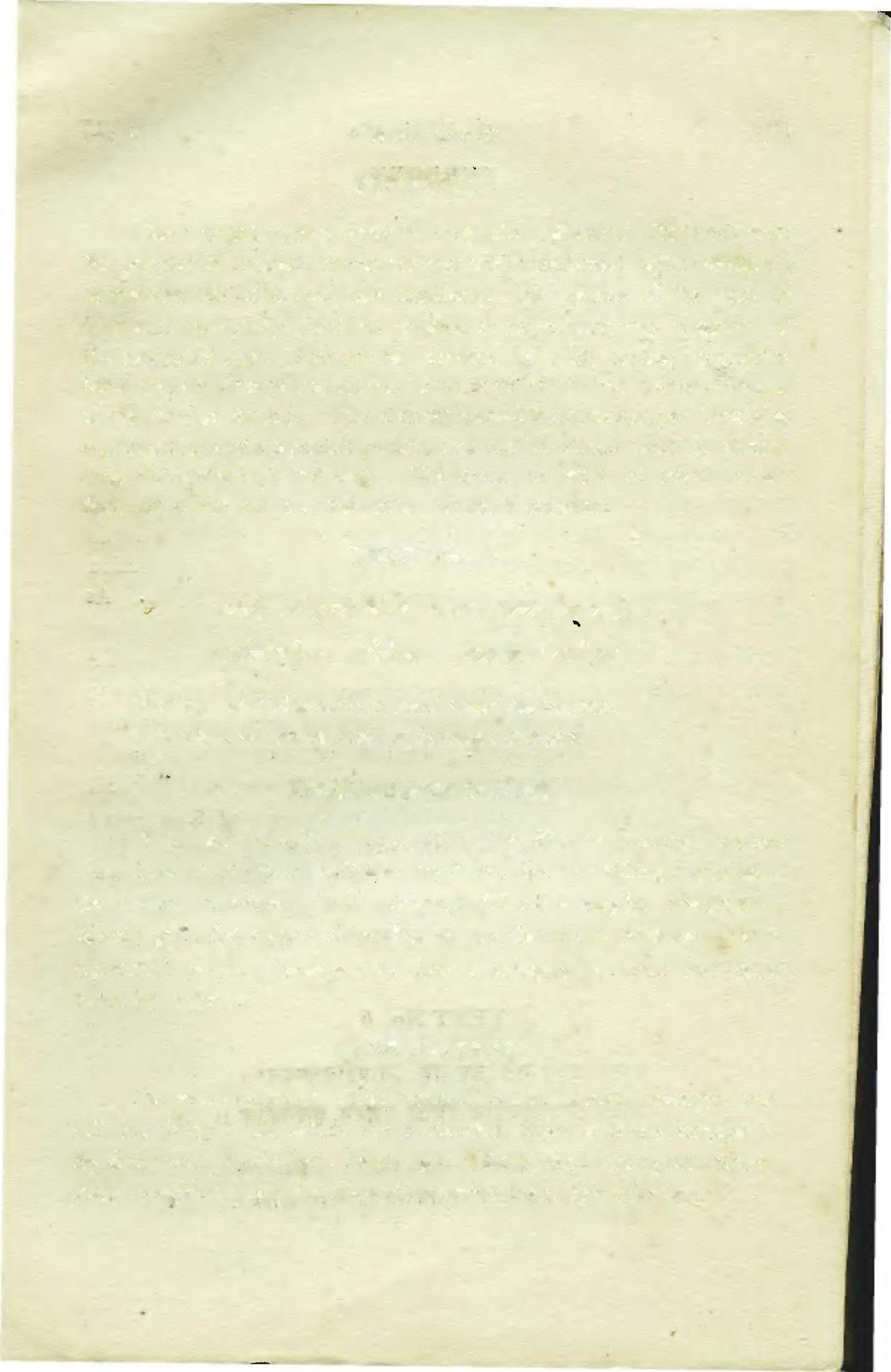
Kas tam mat sharane loke valat hansi avalan vali Naradeva asi vesena natavat karmana adwijah.
ENGLISHSYNONYMS
Kas-who are, Tam-yov, Mat-my, Shara121-under protection, Loke-in this world, Valat-by force, Hansi-killing, Avalanthose who are helpless, Vali-although full of strength, NaradevaManly god, Asi appear to be, Vesena-by the dress, Natavat-Iike a theatrical player, Karmana-by deeds, Adwijah-a man not born twice by culture.
TRANSLATION
Oh who are you ? You appear to be strong enough and still you dare to ki11, within my protection, those who are helpless ? By dress you pose to be a manly god (King) but by your deeds you are against the principles ofthe twice born Kshatriya.
Tet 5] - FIRST CANTO 1017
PURPORT
ap�eiq�"{Q(�)� ��=n;;·�q"'�'" •�r ' ..
�" 'fe&R'fi""'fif\w: ,,
���sm
The Brahmins, Kshatriyas and Vaishyas are caUed twice-

. born because for these higher class of mert there is one birth by paren tal conjugation and there is another birth of cultural rejuvination qy spiritual initiation from the bonafide Acharya or spiritual master. So I{shatirya is also a twice-born like the Brahmin and his duty is to give protection to the helpless. The Kahatrya king is considered to be the manly-God or representative of God for giving protection to the helpless and chastising the miscreants. When
ever there is anomalies in this routine work by the administrators there is incarnation ofthe Lord for re-establishing the principles of Godly kingdo m. In the age of Kali the poor helpless animals specially the cow which is m eant for receiving all sorts ofprotection by the a dministrative heads, are kiHed without any restriction. As such the administrative heads under whose nose such things happen, are so called representatives of God. Such powerful administrators are rulers of the poor citizens by dress or office only, but factually they are worthless lower class of men without any cultural as5ets of th e twice.born. No body can expect any j ustice or equality uf treatment from such once-born (without any spiritual culture) lower clas.; of men and therefor e in the age of Kali every one is unhappy on account maladministration of the state. The modern human society are not twice-born by spiritual culture. Therefore t'•e people's Government, by the people who are not twice-born,-must be government of Kali in which everyone IS unhappy. TEXT
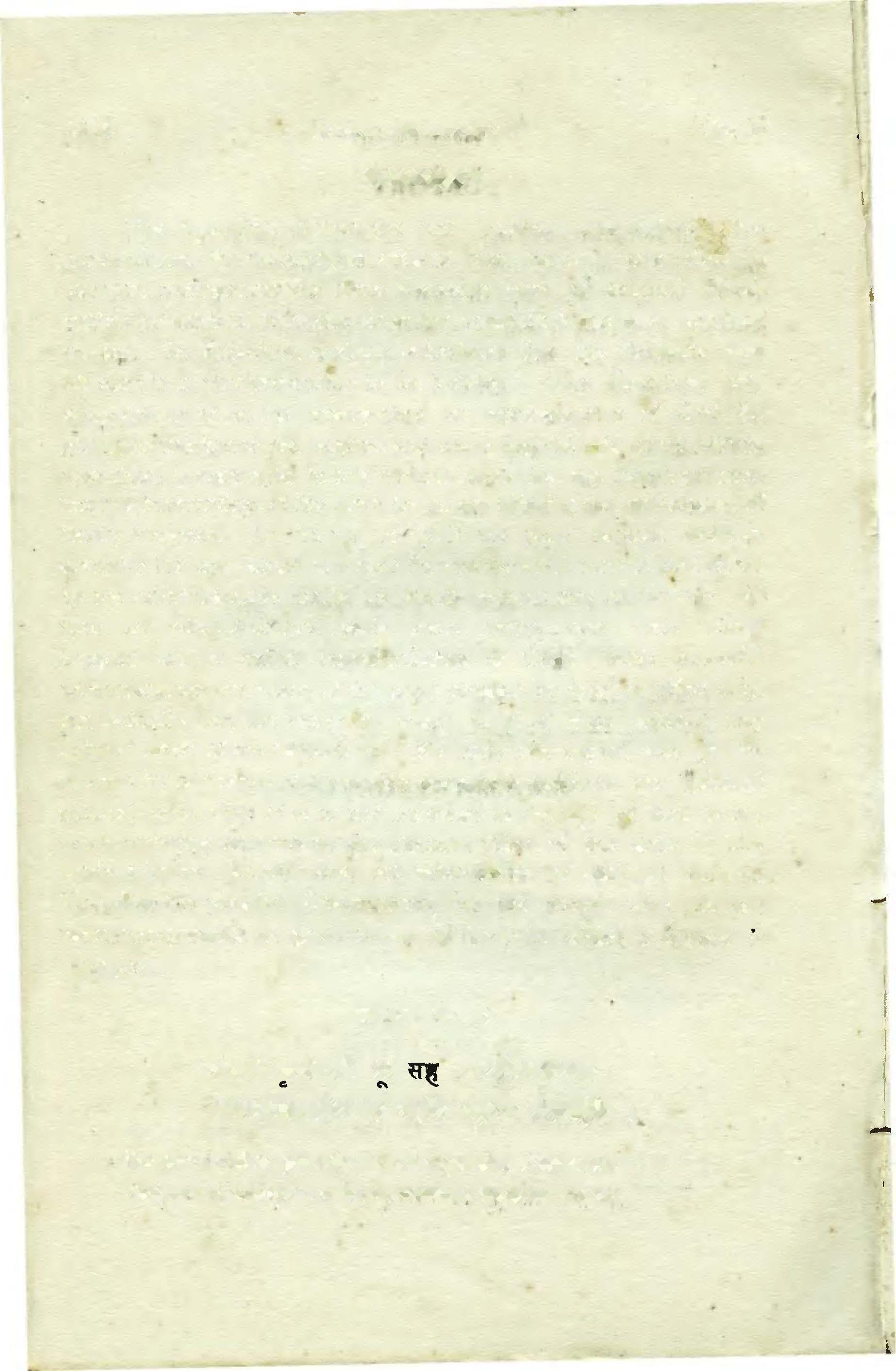
ras
gate duram
Sochya.asiasochyan rahasi praharan hadham arhasi.
1018 SRIM.AD BHA.OWA.TA..:M [Ch. 17 PURPORT I
�
lf��"'1'8' .-( "'..,.""""'"'' .. C\ �t);;q)�lf��lf�-qf� sr�� ""if" •t -
•
No.6
• -�-l
tam krishne
saha gandiva dhanwana
1'as-on account of, Tam-you the rogue, Krishne-Lord Krishna, Gate-having gone away, Duh--out of sight, Sarama-along with, Gandiva-the bow of the name, Dhanwana-the carrier, Soc4J'a-cu1prit, Asi-you stand to be, Asochyan-innocent, Rahasiin a secluded place, Prahar•n-bf."ating, Badham-being killed, Arhasi-deserve.

TRANSLATION
You rogue do you dare to beat innocent cow on account of Lord Krishna's and Arjuna's, the carrier of Gandibha bow, being out ofsight ? As you are beating the innocent in a secluded place, you stand to be a culprit and therefore deserve to be killed.
PURPORT
In a civilization where God is conspicuously banished and there is no devotee warrior like Arjuna, the associates ofthe age of Kali take advantage ofthis lawless kingdom and arrange for killing innocent animals like the cow in secluded slaughter houses. Such murderers ofanimals in secluded slaughter houses, stand to be condemned to death by the order of a pious king like Maharaj Parikshit. For a pious king like Maharaj Parikshit the culprit, who kills an animal in secluded place, is eti}ually punishable by death-penalty exactly like a murderer who kills an innocent child in a secluded place. '

TEXT No. 7


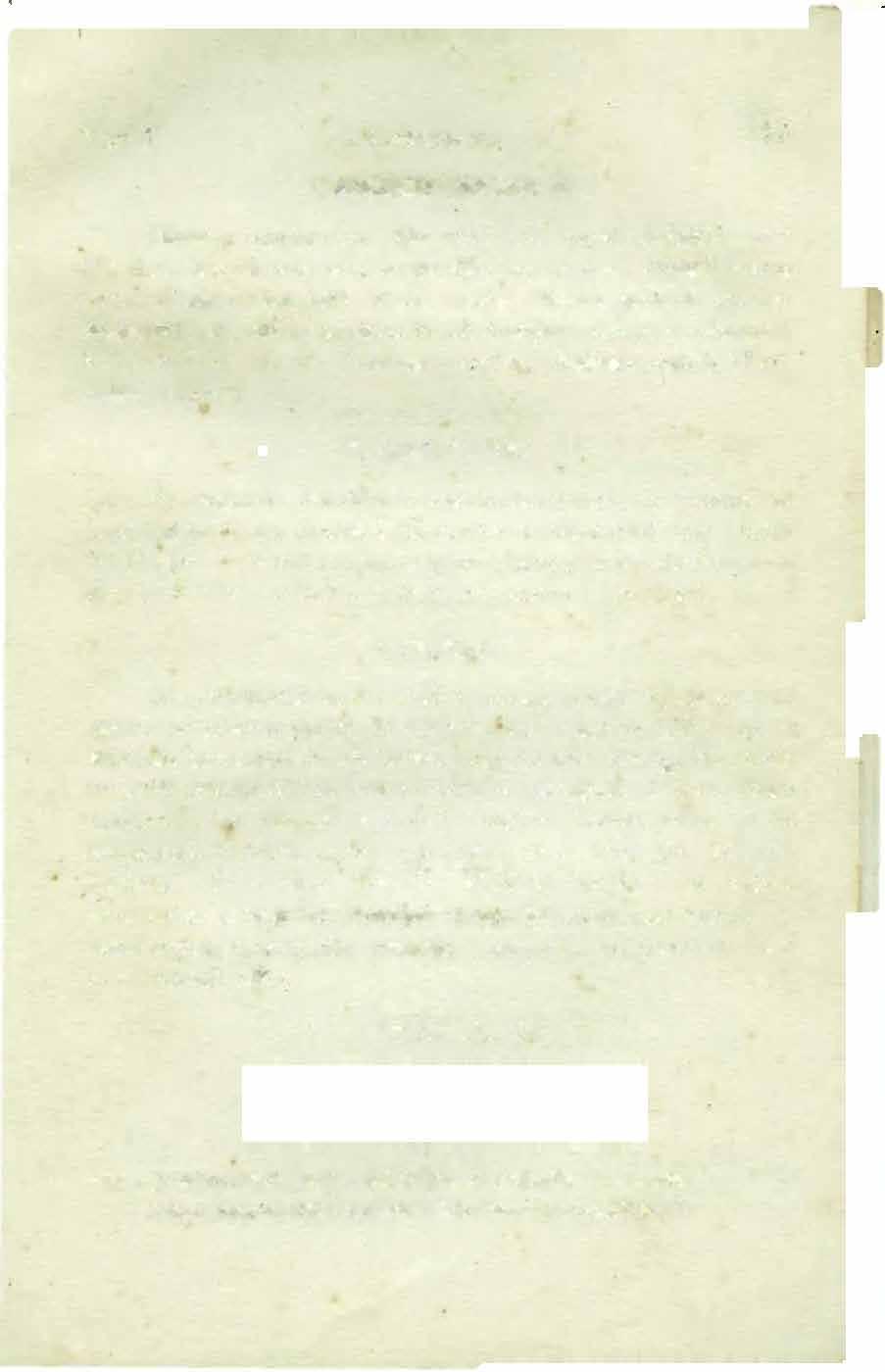
Text 7) FIRST CAN'rO 1019
ENGLISHSYNONYMS
I
Twamva mrinalad havalah padair nyunah pada charan Vrisa rupma kim kasehid devo nah parikhetiayan.
ENGUSH SYNONYMS
Twam-yourself, Va-either, Mrinaldhavalah-as white as the lotus, Padair-by three legs, J\Yunam-being devoid of, Pada-by one leg, Charan-moving, Vrisal-bull, Rupena-in the form of, Kim-whether, Kaschid-somebody, Devo-demigod, Nah-our, Parikhedayan-berieving.
TRANSLATION
Thereafter he asked the bull, '0h ! who are you either the bull as white as the white lotus or a demigod ? You have lost your three legs and are moving on one only. Ifyou are some demigod and causing us berievement in such form ofa bull ?'
PURPORT
At least up to the time of Maharaj Parikshir no body could imagine such wretched conditions of the cow and the bull. Maharaj Parikshit was, therefore, astonished to visualise such awakward scene. He enquired therefore, whether the buU was not some demigod assumed such wretched condition indicating the filture of the cow and the bull.
TEXT No. 8
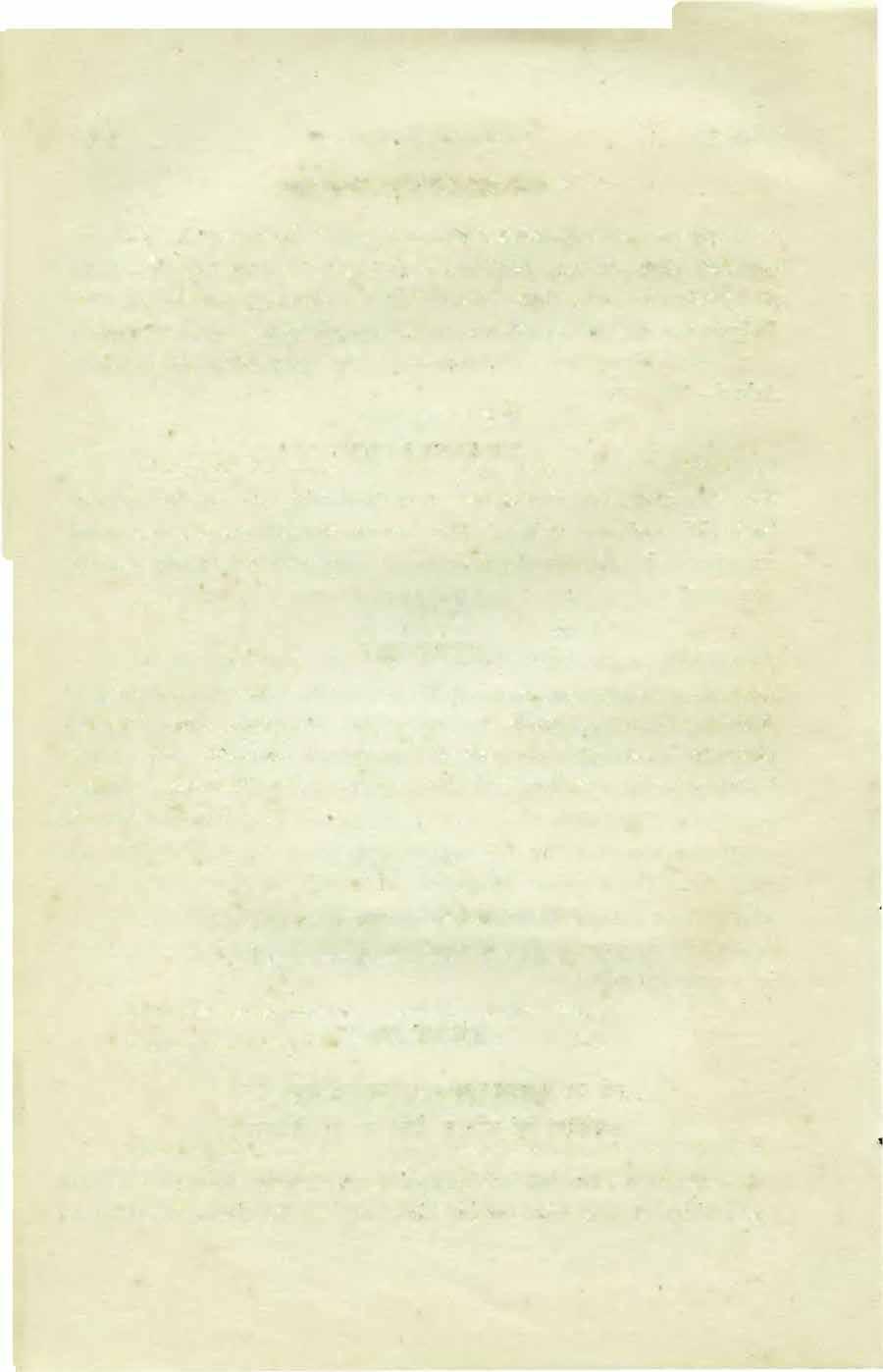
Na jatu kourevendram dordanda parirambhite
Bhutale anutapanti asmin vinate praninamsuchah.
ENGLISH SYNONYMS
Na-not, Jatu-at any time, Kourevendranam-ofthe kings in the Kuru dynasty, Dordanda-strength of arms, Parirambhite-protected by, Bhutale-on the surface ofthe earth, Anutapanti-berieve,
1020 SRIMADBH.AGWA.TAM (Ch. 17
"\liT� q��urt q)iqqft:u;�, �a�S2t'q;:�ld�l{;:r fir.:IT� srtfvrw:rT �lif: 11
Asmin-up till now, Vina-save and except, Te-thou, Praninam-of the living being, Suchah -tears in the eyes.
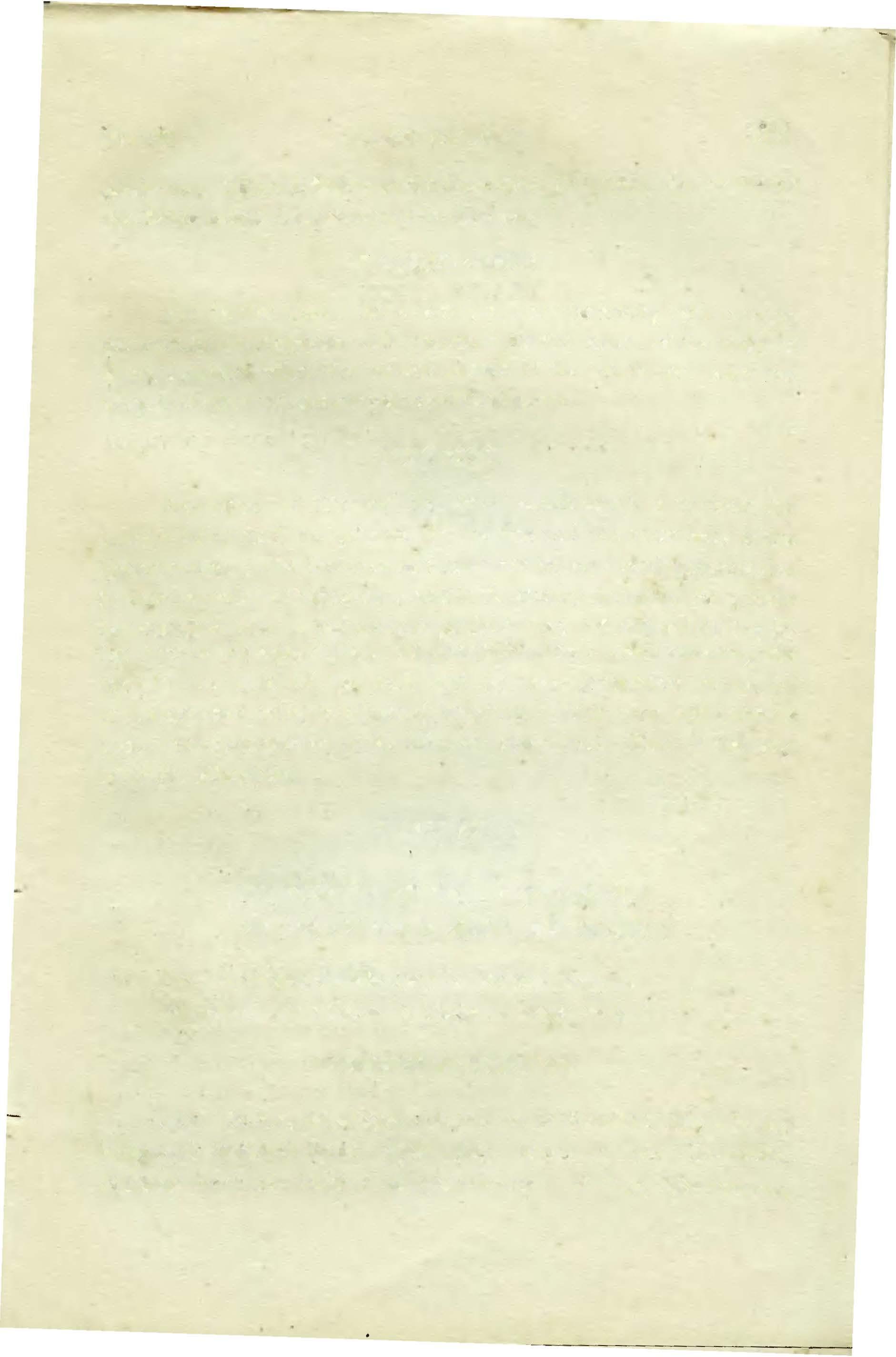
TRANSLATION
For thefirst time I have seen you only berieving with tears in the eyes \n thekingdom well protected by the arms of the kings of Kuru dynasty; otherwise on the surface of the earth no body has evershed tears on account ofroyal negligence.
PURPORT
Protection of life, by the state administration for both the human being and the animals, is the first and foremost duty of the Government. The Government must not make any discrimination in such principles ofstate duty and it is simply horrible for a pure hearted man that he has to seeorganised way of animal killing by thestate in this age ofKalil Maharaj Parikshit was lamenting the tears in the eyes of the bull and he was astonished to see the unprecedented thing in his good kingdom. Both man and animals were equally protected so far life was concerned. That is the way ofGod's Kingdom.
TEXTN0. 9.
�T �:fh:W:ft��lit) � � ,._���'! t
�f';(J��lf.if a ��T;:rf �f� qrRaf� U
Ma sourebheyatra sucho byetu te vrisalad bhayam
Ma rodir amba bhadram te khalanam maye sastavi.
ENGLISHSYNONYMS
Ma-Do not, Sourebheya-oh the son of Surabhi, Atra-in my kingdom, Sucho-Iament, Byetu -Let there be no, Te-your, Vrisalad-by the Sudra, Bhayam-causes of fear, Ma-do not,
Text 9] FIRSTCANTO 102i
Rodir-cry, Amba-mothercow, Bhadram-all good, Te-unto youf Khalanam-of the envious, Ml!)le-while I am living, Sastari-the ruler or subduer.
TRANSLATION

Oh the son of Surabhi, you need not lament any more now; there is no cause of your being afraid of from this lower class Sudra. And ob mother cow so long I am living as the ruler and subduer of all envious, there is no cause for your crying; there is everything
good for you. Protection ofthe bulls and the cow or for the matter of that all ot her animals can only be possible when there isa state ruled over by an executive head like :Niaharaj Parikshit. Maharaj Parikshit addresses the cow as mother just as a cultured twice-born Kshatriya King. Surabhi is the name of the cow which exists in the 8piritual plane ts and specially reared by Lord Sri Krishna Himself. As men are made after the form and feature of the Supr�me Lord, so also the cows are made after the form andfeature ofthe Surabhi cow in the spiritual kingdom. In the material world the human society gives all protection to the life of the human being but there is no law for protecting the life of thedescendants of Surabhi which can give all prcJ tection to the hem;�.n being by supplying the miracle food Milk. But a pious king like l\faharaj Parikshit or the Pandavas were fully conscious of the importance ofthe cow and bull and they were prepared to punish the cow-killer with all chastisement {ncluding death. There had been sometimes agitation for protection of the cow but for "'ant of pious executive heads and suitable law in the state, the cow and the bull could not be given protection by the agitators. The human society may, therefore, recognise the importance of cow and thf' bul.l and thus may give all proteclions to these important animals in the human society
i022 SRIMA.D BHA.GWATA.M [Ch. 17
-.:
following the foot prints ofMaharaj Parikshit. By such protection to the cow and the Bhrahminical culture, the Lord who is verykind to the cow and the Brahmins (go Brahmana hitaya), '\-\ill be pleased upon us and will bestow upon us real peace.
TEXTNO. 10 & 11
li"��ttsfsriirr: �Cff�st'Zl� �ne��n�f;r: t
� 'f�'lf i{��fia"'fiTfa'�T��tt)ttfa': II
� �rmq�i q�l ·�naf•:n�rfaf;rv�: '
aa �;:t Cffq.s�tfq �ar...�Jfe-�"'! u
rasya rastre prajah sarvas trasyante saddhi asadhubhih
Tasya mattasya nasyanti kirtir ayur bhago gatih.
Esha ranjno paro dharmo hi artanamarti nigrahah
Ata enam .badhisyami bhutadruha asattamam.
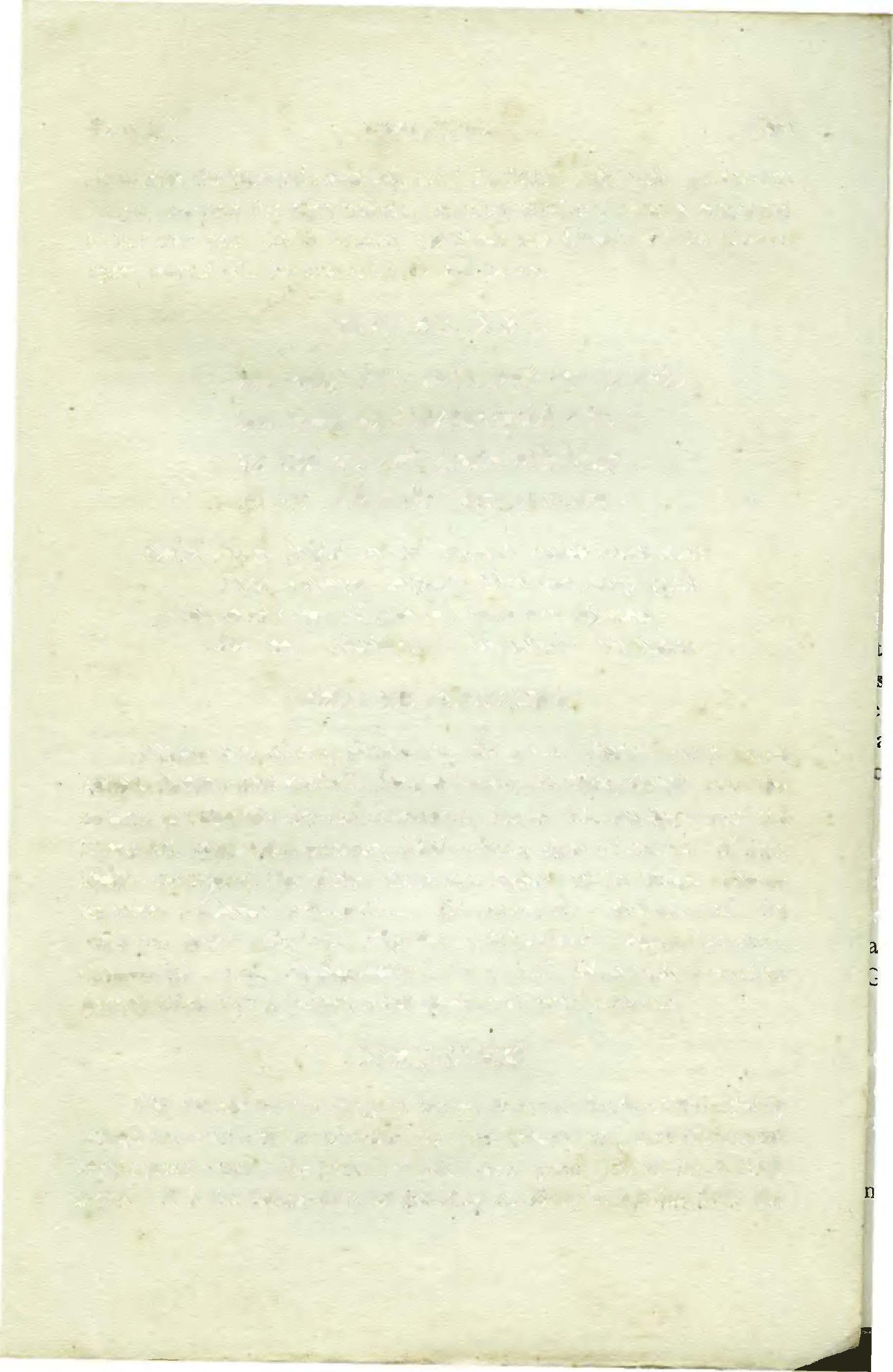
ENGLISHSYNONYMS
f'asya-one whose, Rastre-in the state, Prajah-born living beings,Sarvas-one and all, Trasyante-are terrified, Saddhi-oh the chaste, Asadhuhhih-by the miscreants-, Tasya-his, Mattasya-o[ the illusioned, Nasyanti-vanishes, Kirtir-fame, Ayur-duration of life, Gatih-next good life, Esha-these are,Rajno-ofthe kings, Parasuperior, Dharmo-oecupation, Hi-certainly, Artanam-of the sufferer�, Arti-suff«"rings, .Nigraha-subduement, Atah-therefore, Enam-this man, Badhisyami-I shall kill, Bhutadruha-revolter against other living beings, Asattamah-the most wrctehed.
TRANSLATION
Oh the chaste, the king, in whose ftate all kinds ofborn Jiving beings are made to be terrified by the miscreants, such illusioned king's good name, duration of Jit'e, next good life all do vanish away. It is the prime duty of the king certainly to subdue first the
FIRST CANTO 1023
Text 11)
? l1 [/ a lt l( 0 n
sufferings ofthe sufferers and as such I must kill this man who is the most wretched because he is revolter agai nst other living beings.
PURPORT
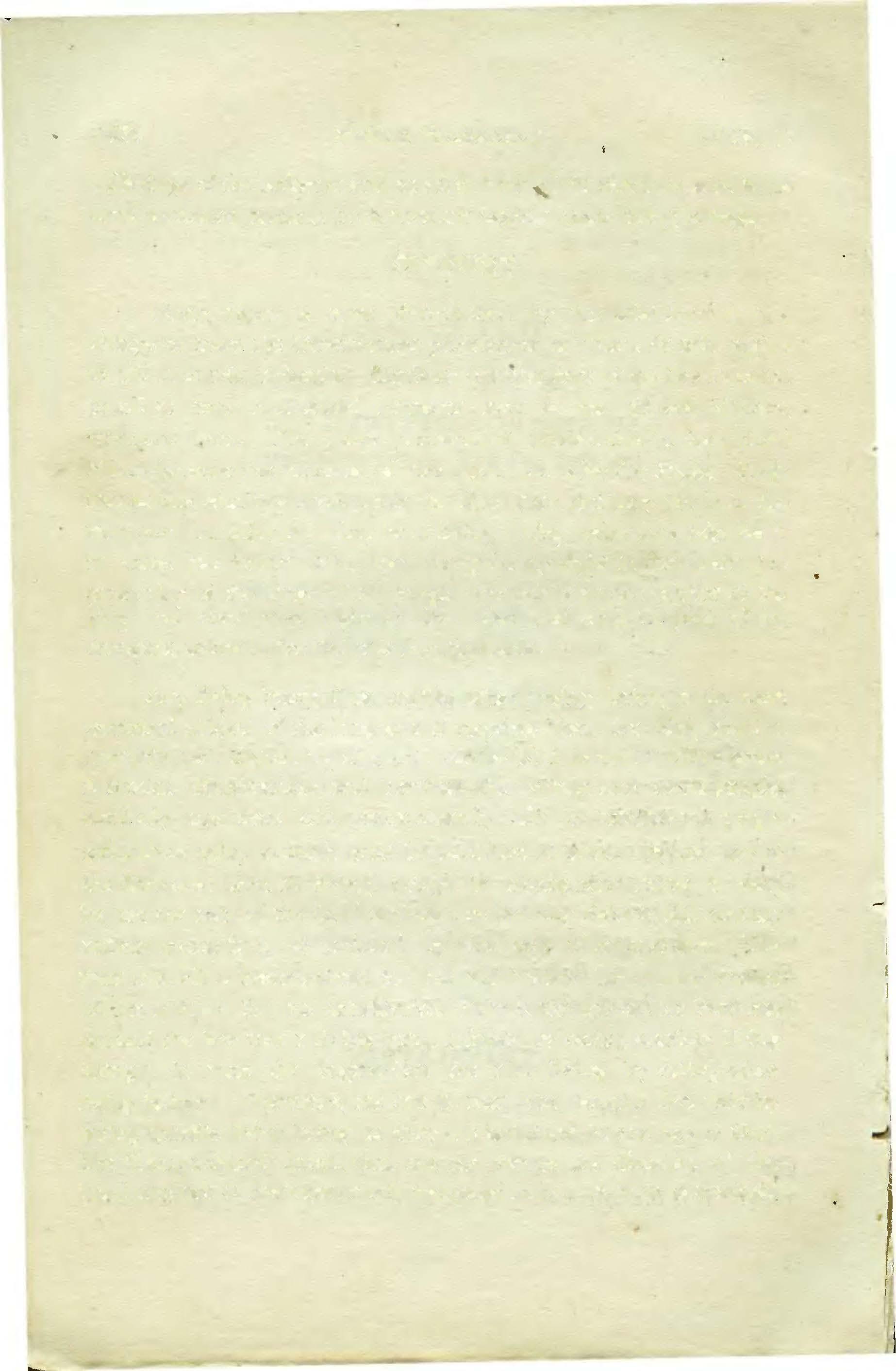
When there is some disturbance by the wild animals in a village or to-w n the Government policeforce or others do take action to kill such wild animals. Similary it is the duty ofthe Government to kill at once bad social elements such as the thieves, dacoits, murderers ete. The same punishment is also due to the animal killers because the animals of the state are also thePraja. Praja means one who has taken birth in that state and they are both the men and the animals. Any born living being who does take birth in some particular state, has the primary right to live under the protection of the king. The jungle animals also are subject ofthe king and they have right to live also and what to speak of the domestic animals like the cow and the bulls.
Any living being, ifhe terrifies other living being, is the most wretched subject of the ki ng and it requires that the king shall at once kill such disturbing element. As the wild animal is killed when it creates disturbances and terrifies the village and towns people, similarly any man who unnecessarily kills or terrifies the jungle animals or other animals must be punished at once. By the law of the Supreme Lord all living beings in whatsoever shape it may be, are the sons of the Lord and no one has any right to kill another animal un less it is so ordered by the codes of natural law. The tiger can kill a lower animal for his subsistence but a man cannot kill an animal for his subsistence. That is the law ofGod Who has created the law that a livin g being subsists by eating another living being. Assuch the vegetarians are also Jiving by eating oth er living beingt. Therefore, the Jaw is that one should live only by eating specificliving beings as they are ordained by the law of God. The 'lshopanishad' directs that one can live on the direction of the Lord and not at one's sweet will independently. A man can subsist
1024 SRIMA.DBHAGWATAM [Ch.17
on varieLies of grains, fruits and milk ordained by God and there is no need ofanimal food save and except m particular. cases.

The illusioued king or the executive head, even sometimes advertised as great philosopher and learn ed scholar, allow to run on slaughterhousesin the state without any in£:mnation that torturing the poor animals under the nose of a state executive head means clearingthewaytohdl for such foolish king or executive head. The exel: ttive head always must be alert in the matter of safety of the PraJas both man and animal and enquire whether a particuJar living being is not harassed at any place by another lhing being. The harassing living being mustat once IJe caught hold of and punished to death as examplified by Maharaj Parikshit.
The people's Government or Government by the people does not mean harassing the innocent animals by the sweet willofsuch foolish men of the Governm<.;nt. They must know the codes of God as they are mentioned in the revealed scriptures. Maharaj Parikshit quotes hereinthe codes oi God that such irresponsible king or heads ofthe state executive must risk his good name, duration of life, power and strength and ultimately l1i:� progressive march towards a better life or salvation after death. Such foolish men even do not believe in the eJl:istence ofnext life.
While commenting on this particular verse we have in our presence the statement of a grrat modern politician who has recently died and left his will which discloses about his poor fund ofknowledge in the matter of the codes of God as mentioned by Majlaraj Parikshit. The politician was so ignorant about the codes of God that he writes in his will as follows:-
"l do not believe in any such ceremonies and to submit to them, even as a xnatter ofform would be hypocrisy and an attempt to uelude ourselves and others" .••. 11 I have no religious sentimen t in the matter"

Contrasting these statements of a great politician in the mode-
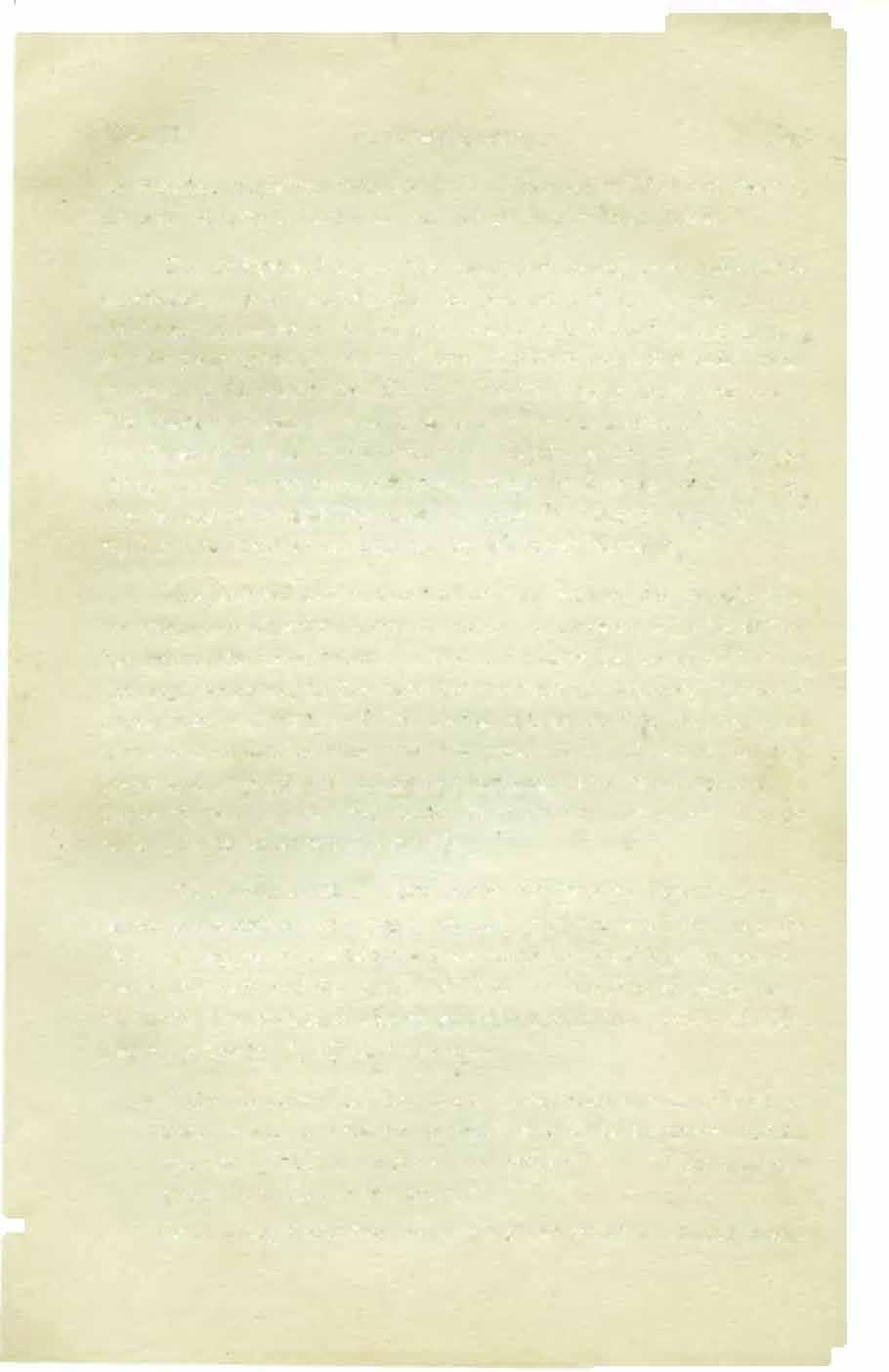
Text 11] FIRSTCANTO 1025
j
rn age with that of Maharaj Parikhit we find a:vast�difference ofthe general situation. Maharaj Pariskhit was pious to the point with reference to the context ofscriptural codes while the modern politician goes by his personal belief and sentiments. Any great man of the material world is after all a conditioned soul. He is bound up by his hand and feet by the ropes of material nature and still the foolish conditioned soulthinks ofhimself as free to act by his whimsical sentiments. The conclusion is that the people in the time of lvfaharaj Parikshit were happy and the animals were given. proper protection, because the executive head was not whimsical with poor fund ofknowledge in the matter God's law. The foolish faithless creatures try to avoid the existence ofthe L'lrd for profaning themselves as secular more freely at the cost of valuable human life. The human life is specially meant for knowing the Science ofGod but the foolish creatures specially in this age ofKali instead of knowing God scientifically they make propaganda agaimt religious beliefas well as the existence ofGod even though they are always bound by the laws of God by the symptoms of birth, death, oldage and diseases.
TEXT No. 12

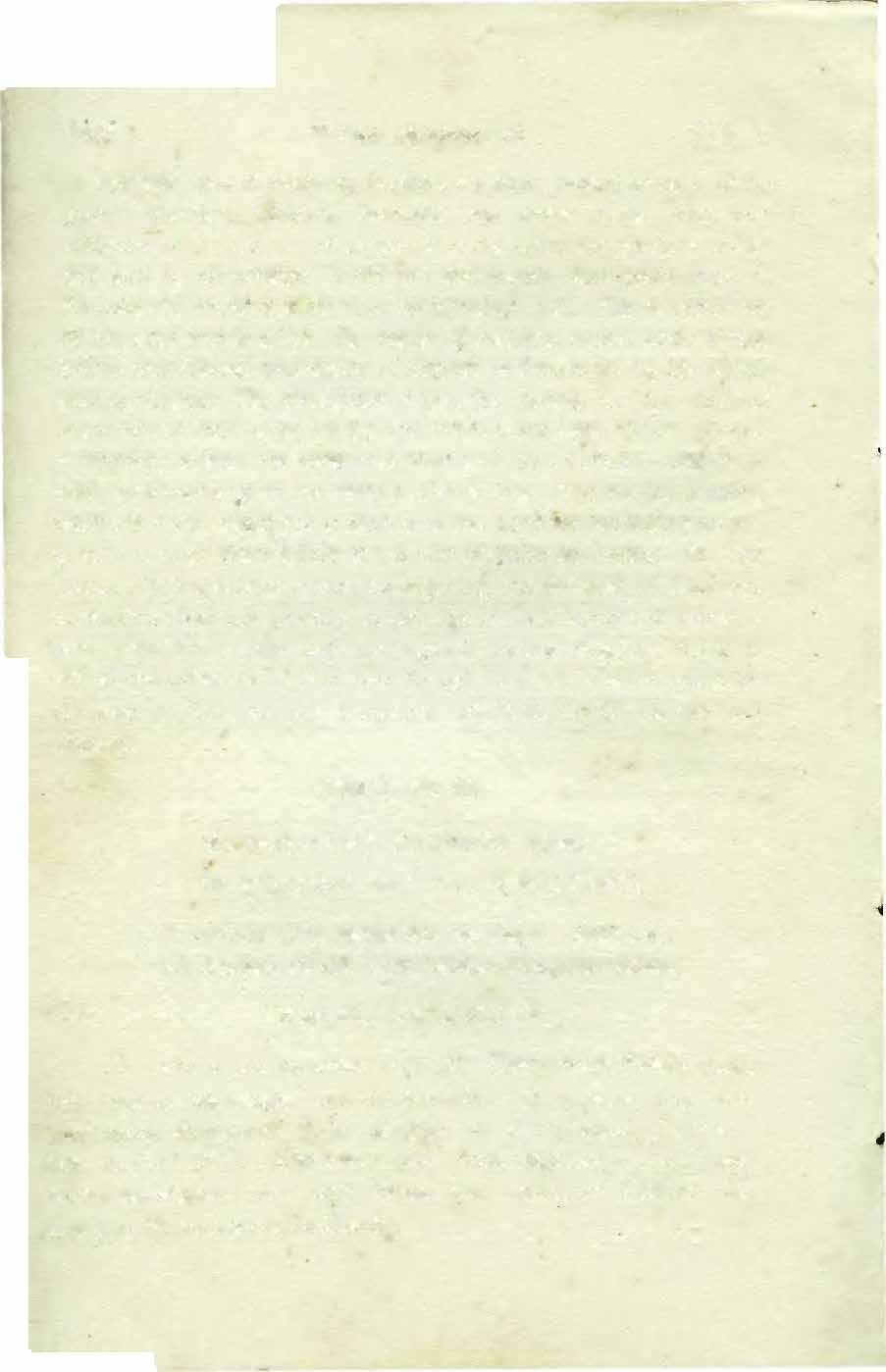
�)s;�:tt'tfct Cf1Cff�1;:�1"(���tSqq 1 lft ����ct��)�TtSf "(TiffT ct!tSVfT2�fa;:rT'f tt

Ko avrischat tavapadans trin sourehhf:Ya chatilspada
Ma bhuhans tadrisa rastre rtJ'jnam krishnanuvartinam.
ENGLISH SYNONYMS
Ko-whois he, Avrischat-cut off, Tava-your, Padans-legs, Trw-three, Sourehheya.-son of Surabhi, Chatuspada·-you are quadruped, Ma-never to be, Bhubans-it so happened, Tadrisalike that of your, Rastre-in the state, Rajnam-of the kings, Krishnanuvartinam-those who follow the codes of Krishna the Supreme Personality of<;odhead.
1026 SRIMAD BHAOWATA:t.f [Ch. 17
He repeatedly addres�ed and enquired from the bull, "Oh the son ofSurabhi, who has cut off your three legs ? In the state of the kings who are obedient to the laws of the Supreme Personality of Godhead, Krishna there is no body who may be unhappy like you."
PURPORT
The kings or the executive heads of all states must know the codes ofLord Krishna (generally The Bhagwat Geeta and the Srimad Bhagwatam) and must act accondingly inorder to fulfill the mission of human life. The mission of human life is to make an end ofall miserieJ of material conditions and one who knows the codes ofLord Krishna can achieve this end without any difficulty. In the Bhagwat Geeta in a synopsis we can understand the codes of Godhead and in the Srimad Bhagwatam the same codes are explained further more.
In a state where the Codes of Krishna are followed, th�re is no body unhappy in that state. Where such codes are not followed the first sign is that three legs of the representative of religiosity are cut offand thereby all miseries follow. When Krishna was personally present the codes of Krishna were being fo1lowed without any question butinHis absence such codes are presented in the pages of Srimad Bhagwatam for guidance ofthe blind persons who happen to be on the helm of all affairs.
TEXTNo. 13
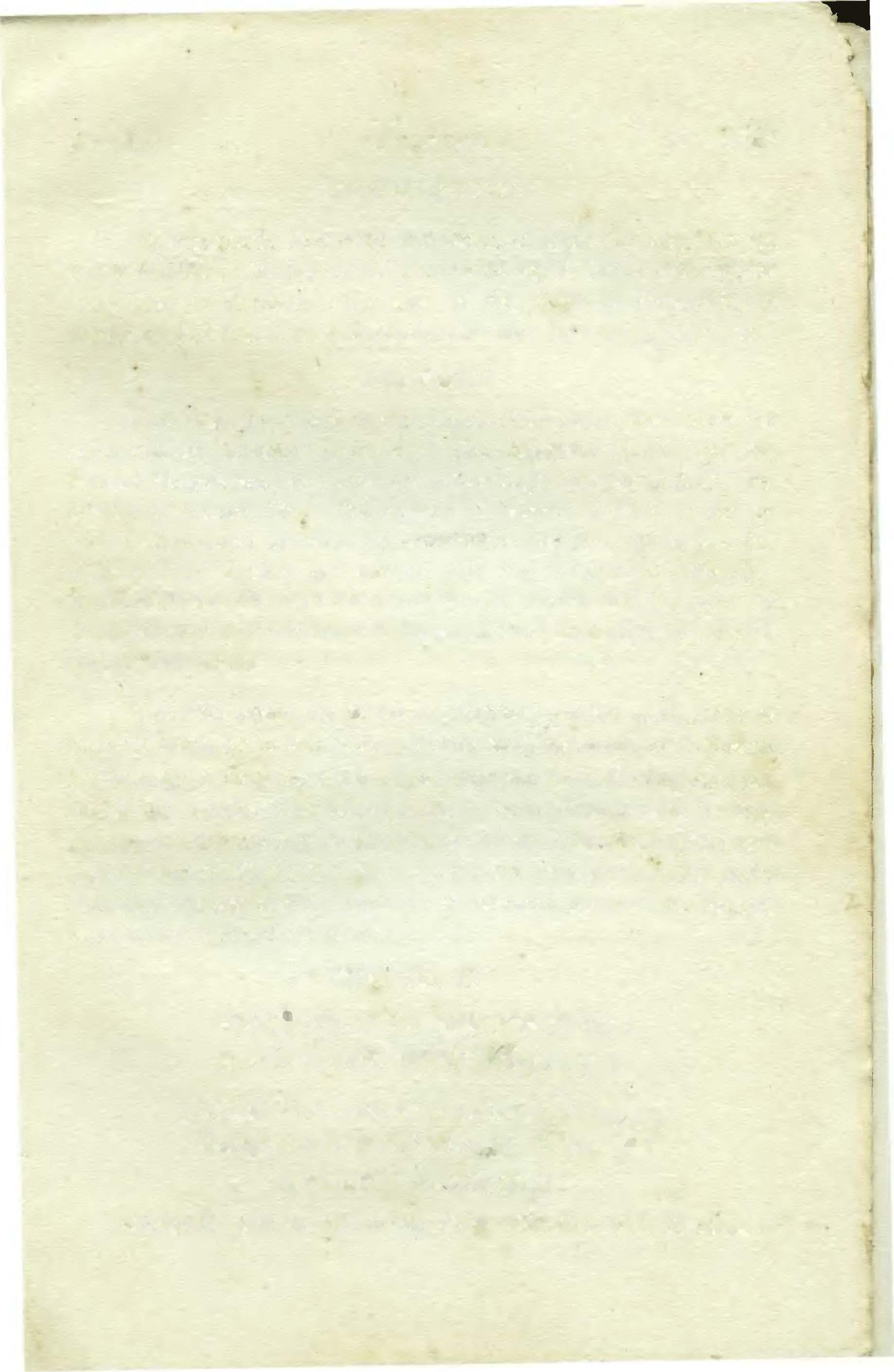
:J;TTQlll� ,"f1B'.�: �TWf11=rlt!a'T'lm'{ I
Akshyahi vrisa bhadram vah sadhunamakritagasam
Atmavairupya kartaramparthanam kirtidusanam.
l�NGLISH SYNONYMS
Akshyahi-just let me know, Vri�a-Oh the bull, Blzadram-
l
Text 13]
10.27
FIRST CANTO
TRANSLATION
�T���ttiftia'R qT�t �')f�ISfUf'{ It
go:>d, Vah-fnr you, Sadlzunam -of the honest, Akritagasam-of those who are offencelesq, Atmavairupya-def<)rmation of the self, Kartaram--the doer, Parthanam--of thesom of Pritha, Kirtidusanamblackmailing the reputation.



TRANSI.�ATION
Oh the bull you are all offencekss and honest all round and therefore Iwi'lil1Ugood u 1to you, Please let me know who is the doer of your deformation whichis blackmailing the reputation efthe sons of Pritha.
PURPORT
The reputation of the reign of Maharaj Ramchandra and that ofthe kings who followed the footprints ofMaharaj Ramcli.andra like the Pandavas and their descendant s, are never to be forgotten because in the!r kingdom offenceless and honest living beings were never introubL-·. Thebull and the cow are the symbols oftbe most offencdess living beings because even tbe stool and urine ofthese animals are utilised for bentfit of the 1mman society. The descendants of the suns of Pritha like Maharaj Parikshit and others were afraid of losing their repuation only but in the modern d1ys they are not even afraid ofsinful acts by kiUing such offenceless animals. Hercin lies the difference between the reign of those pious kings and the modem states ruled by irrespon-sible executive headswithout any knowledge in the codes of God.
Jane anagasi aghamyun;an sarvaton asya madblzayam
Sadhunam bhadram eva syad · asadhu damane kt·ite·

1028 SRlMADBfTAGWAT:AM [Uh. 17
14 :s:t'�S'tFfP.f'ti �s::s:r� �cf({TS�tr � 'f�lf� I «l�'lf ;(Sfi{q �lfT<atff�:(�� Cf!a II
TEXTNo.
ENGLISHSYNONYMS
Jane-unto the living beings, Anagari-those who are offenceless, Ag!tam-sufferings, Yunjan-by applying, Sarvato-any where and everywhere, A.rya-of such offender, Madbhayam-fears from me, Sadhunam- of the honest prsons, Bhadram-auspiciousness, Eva-certainly, Syad-will take place, Asadhu-dishonest miscreants, Damane-curbed down, Krite-being so done.
TRANSLATION
Any one who is accustomed to cause suffering on offenceless living beings must be afraid ofme anywhere and everywherein the world. And by curbing down the dishonest miscreants automatically auspisiousness is bestowed upon the offenceless.


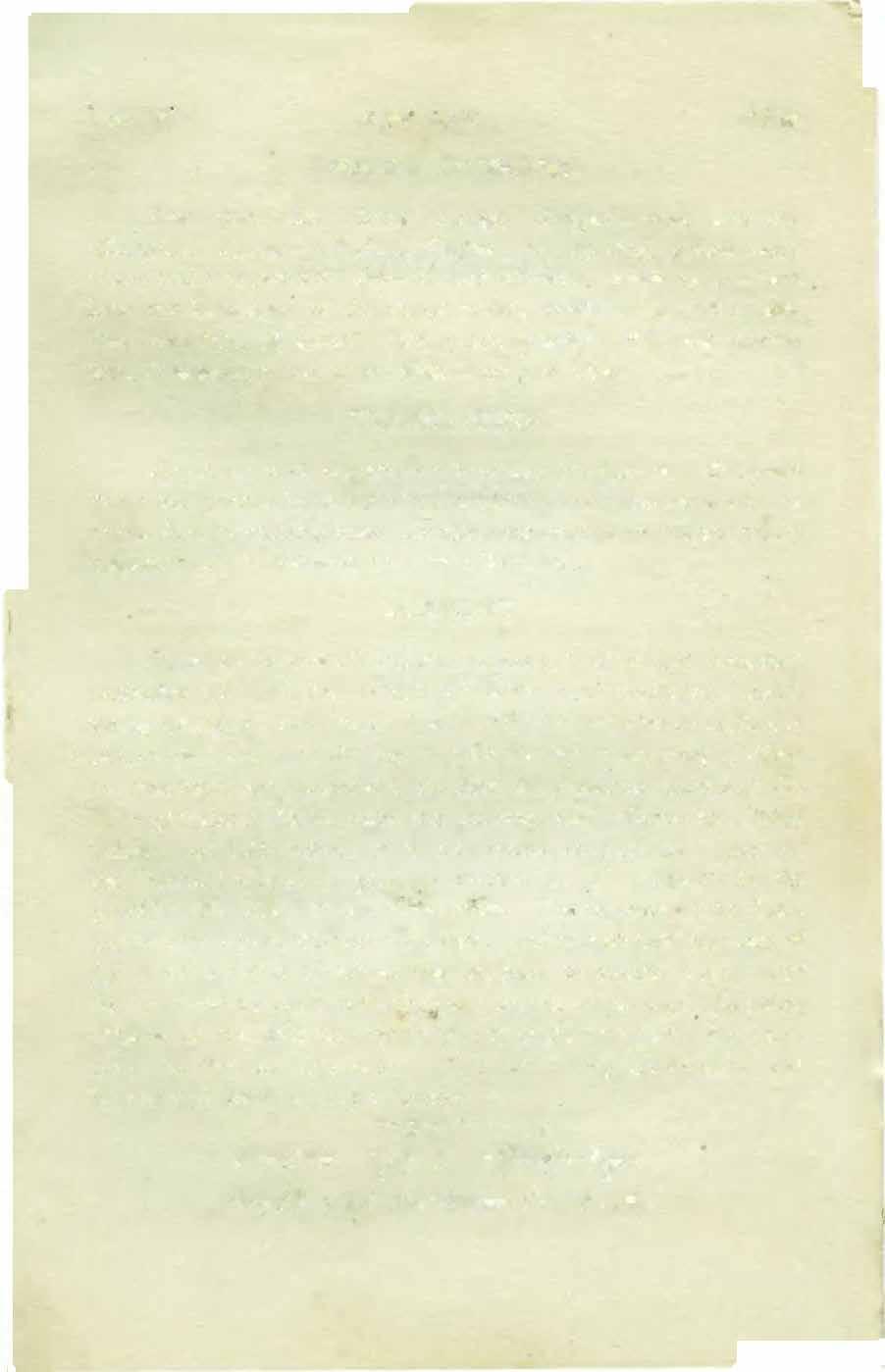
PURPORT
Dishonestmiscreants flourish on account ofcoward impotent executive head of the state. But when such executive head is strong enough to curb down all sorts ofdishnonst miscreants, in any part ofhis state, certainly they cannot flourish at any length� When the miscreants are punished in an examplary manner automatically allauspiciousr1ess follow upon the innocent and offence-less living beings. As said before, it is the prime duty of the king or the executive head to give protection in all respects to the peaceful offenceless citizens ofthe state. The devotees ofthe Lord are by nature peaceful and offenceless and as such it is the duty of the state to arrange for converting everyone to become a devotee of the Lord and thus automaticaJly �here will be allpeaceful offenceless citizens of the state and the only duty of the king will be to curb down the dishonest miscreants. That will bring about peace and harmony all over the human society.

I f I I 1 f Text li) FffiST CANTO 1029
NO. 15 �Rttm:� �a� tr SR�f;;w�� 1 lA'���q( �r&m��tfq mqq, II ,
TEXT
(Ch. 17
Anagaswiha bhutesu yah agaskrit nirankusah
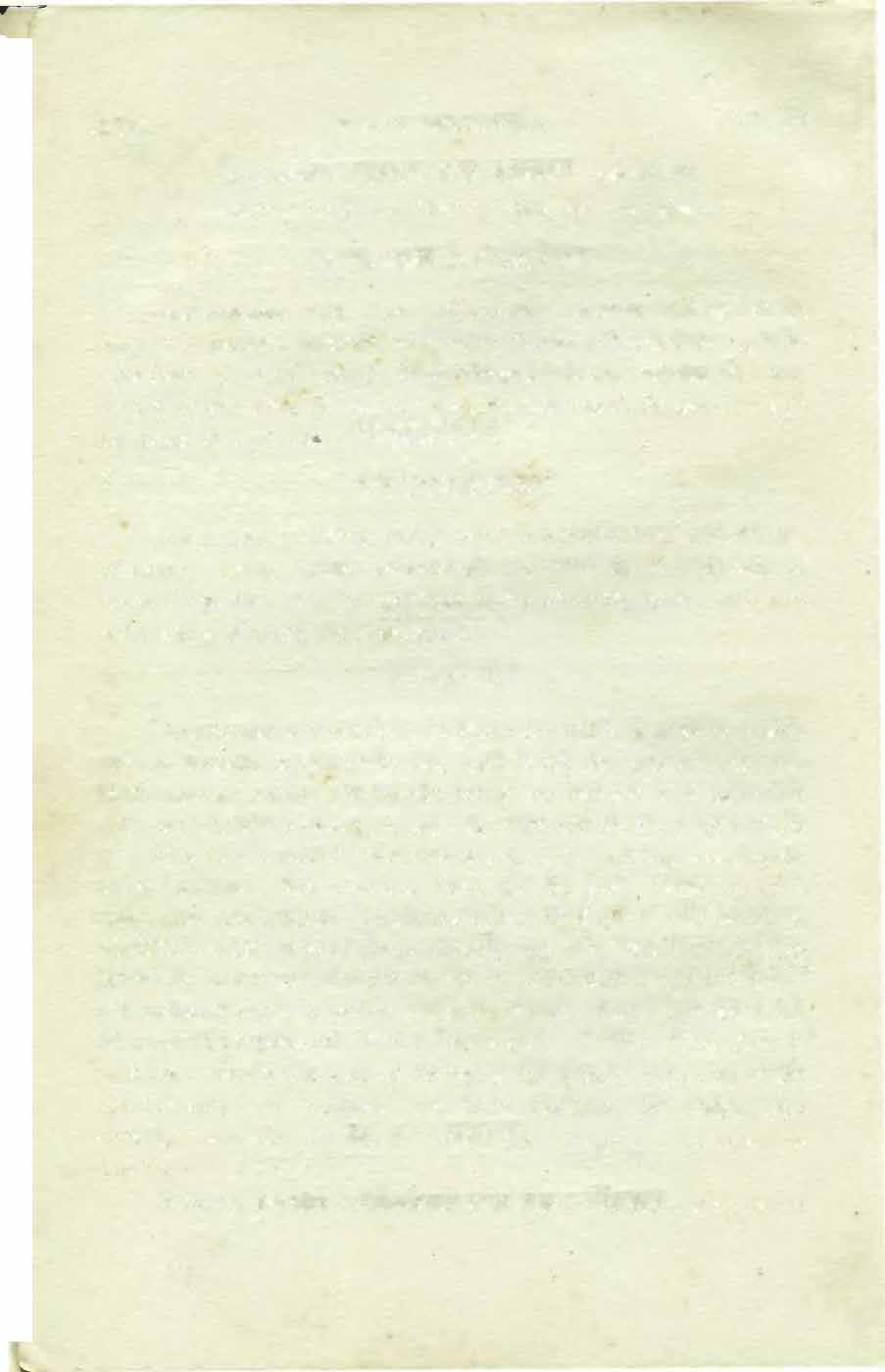
A!tartasmi bhu1am.sakshai amartyasyapi samgadam.
ENGLISHSYNONYMS
Anagaswiha-unto the offenceless, bhutesu-Jiving beings, Taft-the person, Agaskrtt-commits offence, Nirankushah-upstart, Ahartasmi -I shall bring forth, Bhujam-arms, Sakshat -��dircetly Amartyasyapi-even ofone who may be a demigod, Samgadam-with his decoration ofdre�s and ornaments.
TRANSLATION
Any upstart living being who commits offence by torturing offenceless living being, eventhough he may be a denizen of heavenly planet, shall be uprooted by medirce _ ctly by his arm� with decorations ofdress and ornaments,
PURPORT
Thedenizensofheavenly kingdom are called Amaras or deathless on account ofpossessing long span oflife far greater than that of the human beings. For human being who has got only maximum 100 one hundred years of age as duration oflife, a span oflife spreading over hundreds ofcrores of years, is certainly considered to be deathless. For example from the Bhagwat Geeta we learn that in the 'Brahmaloka' planet the duration oflife is calculated as 4300000X1000 ofsolar years as one day only. Similarly in other h _eavenly planets the duration oflife is calculated as six months" of this planet is equal to one day ofthat pJanet. And they get a life of 10000tenthoussanJs oftheir years span of life. Therefore, in all bigLer planets the span oflif��being far gteater than that ofthe human being, the denizens are called deathless by imagination although actually no bod y within the material universes is deathless.
Nfaharaj Parikshit challenges (ven such denizens ofheaven if
1030 SRIMADBHAGWATA.M
any one of them commits such unlawful act as to torture the offenceless. This means that the state executive head must be as strong a'l Maharaj Parikshut so that he may be de termined to punish the strongest offenders. That should be the principles of a state executive head that the offender in the codes God must alwaya be punished.
TEXT No. l6
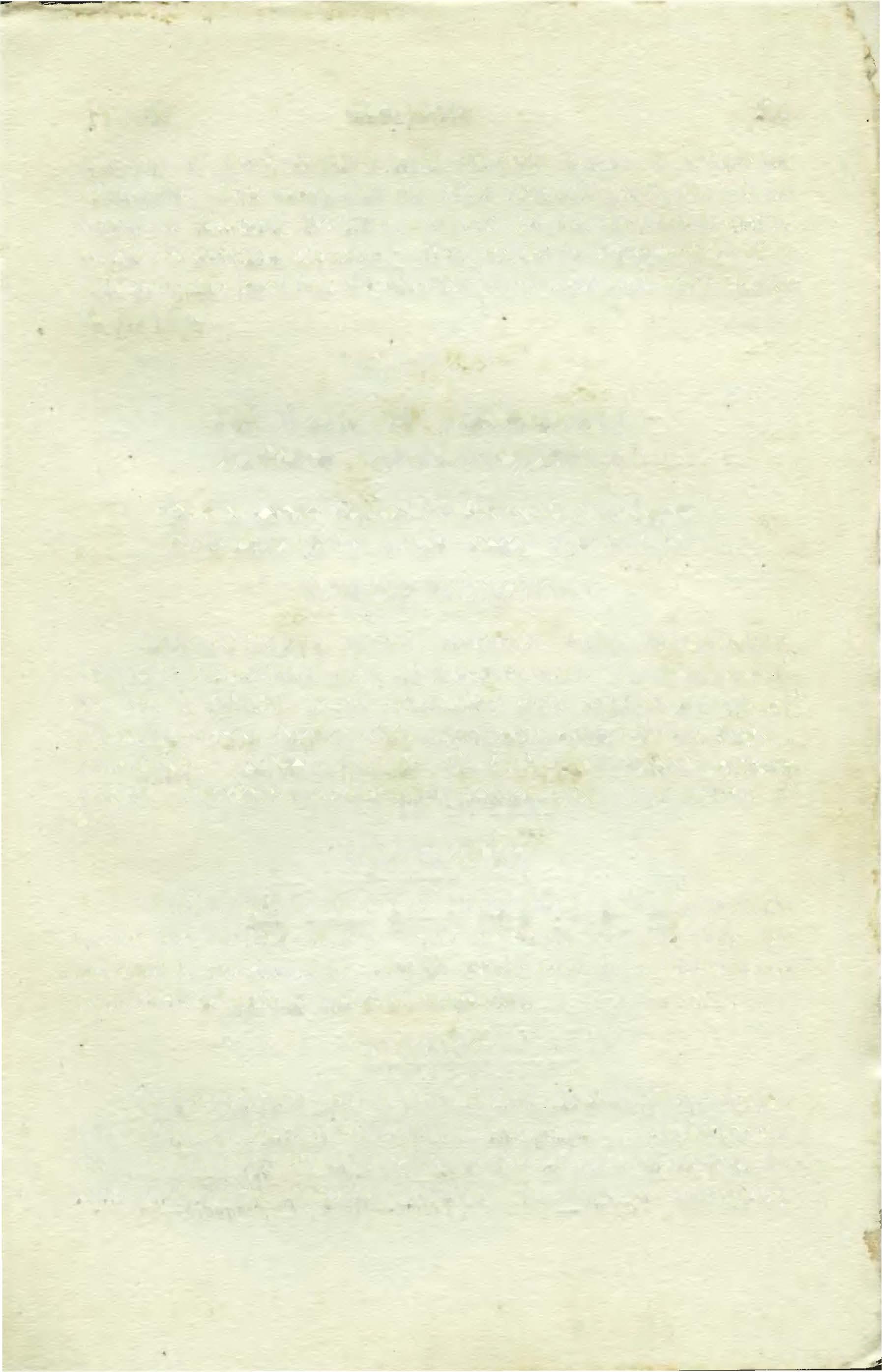
Ra;no hi paramo dharmah swadharmastha anupalanam
Sasato anyan yatha saftram anapat utpat!tani ha.
ENGLISH SYNONYMS
Rajno-of the klng or the executive head, Hi-certainly, Dharmah -occupational duty, Paramo-supreme, Swadharmasthaone who is faithful to his prescribed duty, Anupalanam-giving protection always, Sasato-while ruling over, A'!J'an·-others, Tathaaccordingly, Sastram-rulings of Scriptures-Anapat-without danger, Utpathani-persons going astray, Ha-as a matter of fact.
TRANSLATION
It is the supreme duty of the ruling king to give all protection to the law abiding persons while ch a1tising others as t hey are ordained in the scriptures, who go astray even in ordinary times when there is nothing untoward happening.
PURPORT
In the scriptures there is a term called Apatdharama or occupational duty at times of extrodinary happenings. Itissaid some times the great sage Viswamitra had to live on the flesh ofdogs in some extrodinary dangerous position. In cases of emergency
"fext 16] FIRST CANTO 1 031
I �Tnrms;qti{ �T�If!lft:I'�T��'NTR � t I
uM �rror) qq: fqQq,�fiqm�'{
they may be allowed to live on the flesh animals ofall description but that does not mean that there shall be regular slaughter houses to feed the animal eaters and the system be encouraged by the state. No body should try to live on flesh in ordinary times simply for the sake of palate. If any body does so the king or the executive head must punish such animal eaters for gross enjoy ment.
There are regular scriptural injunctions for different person engaged in different occupational duties and one's who follows them is called Swadharman£stha or faithful in one's prescribed duties. In the Bhagwat Geeta also (B. G. 18/48) it is advised that one maynot give up his occupational prescribed duties even they are not always flawless. Such Swadharama might be violated in cases of emergency being forced by circumstances but they cannot be violated in ordinary course oftime. The state executive head is to see that such Swadharma is not changed bythefollower whatevor he may be and give all protection to such follower· of Swadhanna: The violater is subject to punishment in terms of Shastra and it is the duty of the�King to keen vigilance in this mater ofstrictly following one's occupational duty as prescribed in the Scripture.
TEXT No. 17

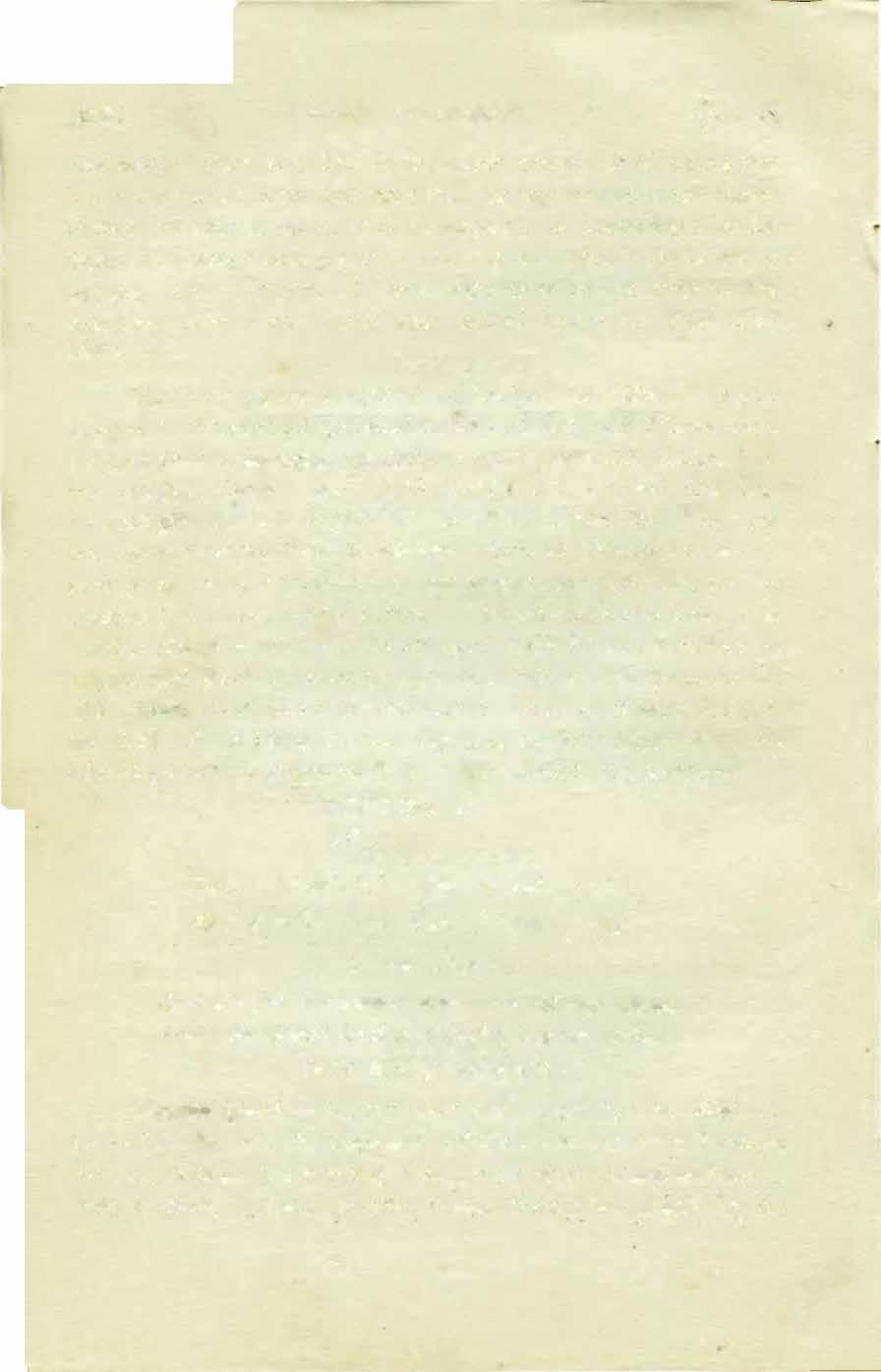
"1'1i �qr;:r1
�(fi: qlG'gcflfT�f ��q'l(lf1lti i.f�:t
�qi !!Vl''TQT: ff!"t) if'ltl{Tftl ';f'f'fTf! lf!a'!.
Dharma Uvacha : Etad vah pandayewanamyuktam arta abhayam vachah resam gunaganaih krishna doutyadou bhagwon kritah
ENGLISH SYNONYMS
Dharma Uvacha-the personality of religiosity said, Etad-all these, Vah-for you, Pandaveyanam-of those who are in the Pandava dynasty, rutktam--just befiiting, Arta-the sufferer! Abhayam--freedom from all fears, Vachah-speeches, Tesam-those, Gunaganaih-by the
1032 SRIMADBHA.GWATAM [Ch. 17
qualfication, Krishna-even Lord Krishna, Doutyadou-the duty of messengers etc. Bhagwam-the Personality of Godhead, Kritahperformed.

TRANSLATION
The personality ofreligiosity said, all "these words as spoken by you are just befitting a person in the Pandava dynasty because captivated by the devotional qualities of them, even Lord Krishna the Personality of Godhead performed the duty of their messengers."
PURPORT
The assurances and challenges made by Maharaj Parikshit arc never exaggeration ofhis real power. The Maharaj said that even the denizens of heaven could not escape his stringent government if they were breaker ofreligious principles. He was not proud falsely because a devotee ofthe Lord is equally or sometimes more powerful than theLord by His Grace and any�promise madeby a devotee, may be ordinarily very difficult to be fulfilled, is properly executed by the Grace ofthe Lord. The Pandavas by their .una1Ioyed devotional service and full surrender unto the Lord made it possible that the Lord sometime became the chariot driver or sometimes their messenger their carrying their letters Such duties by the Lord for His devotee are always very much pleasing to the Lord because the Lord wants to render service to His unalloyed devotee whose life has no other engagement than to serve the Lord with full love and devotion. Maharaj Parikshit grandson of Arjuna the celebrated friendly servitor of the Lord, was exactly a pure devotee of the Lord like hh grandfathers and therefore the Lord was always with him even from the time when he wa'i helplessly lying in the womb ofhis mother and was attacked by the blazing Brahmastra weapon of Aswatthama. A devotee is always under the protection ofthe Lord and therefore, assurance ofprotection by Maharaj Parikshit <;oqld never be without meanins. The

Personality of re1igiosity


Text 17] PRISTCANTO 1033
accepted this factand thus thanked the King for his becoming true to his exhalted pc sition.

TEXTNo. 18

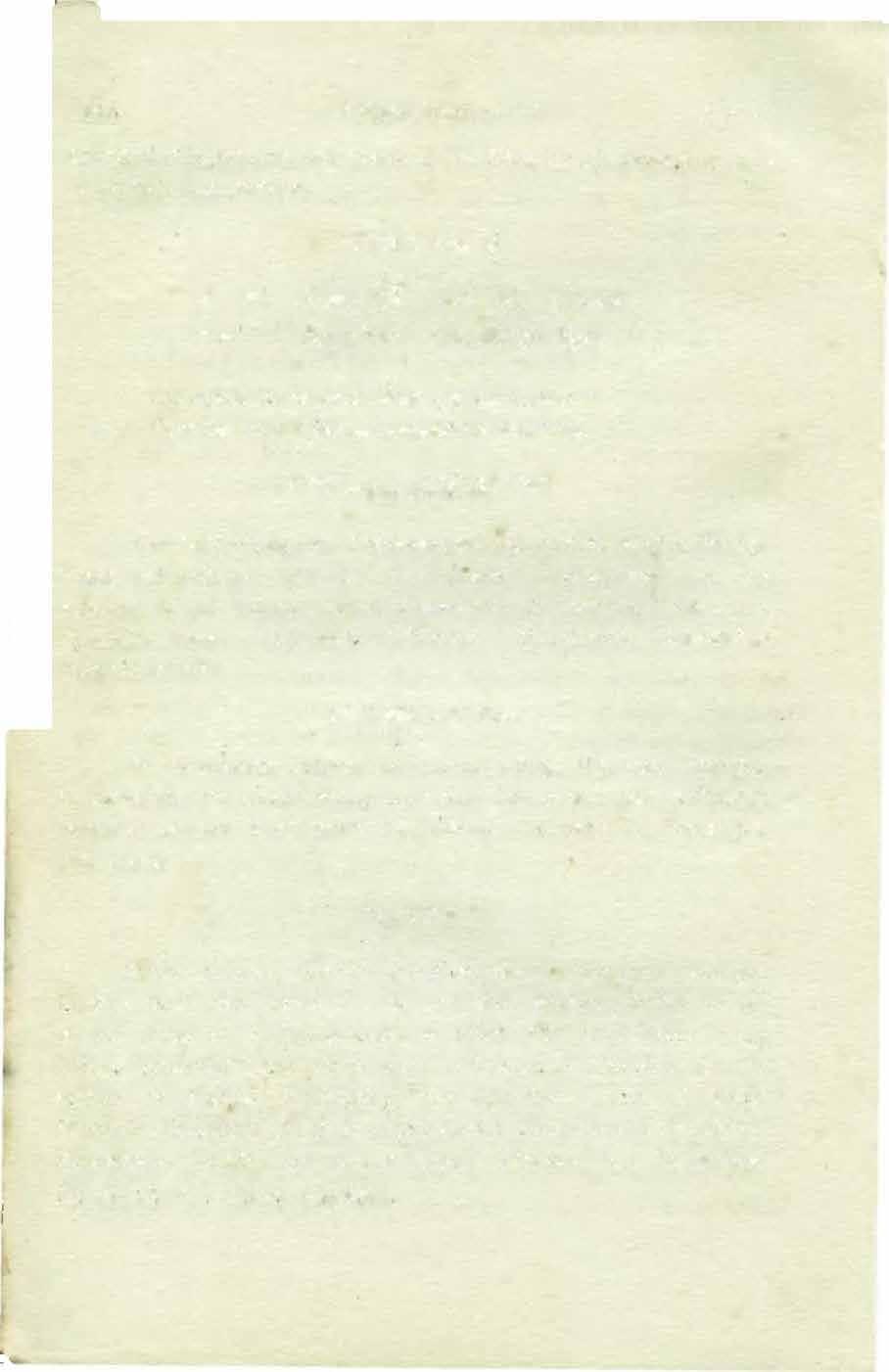
;:r �r.i ���il'tGt'Tf" lla': ��: �6t'll'tifll I
�liti a fcrsrr;:r)q) eJTI:flf��fcrq-)f�ffT: II

Na vayam kleshavijaniyatah.ryu purusarsabha
Purusham tam vi.Janimo vakyabheda vimohitah.
ENGLISH SYNONYMS
Na-not, Vayam--we, Kleshavi1ani-the rcot cause ofsufferings, Tatah-whrrefrom, .S)u-it so happens, Purusarsabha-oh the greatest of all human being, Purusham-tbe person, Tam-that, ViJanimo --know, VakYabhedrz-difference of opinion, Vimohitahbewildered by.
TRANSLATION
Oh the greatest among the human being, 1t IS very difficult to ascertain the exact wrong doer who has caused our sufferings because we are bewildereJ by d!fferent opinions of theoritical philosophers.
PURPORT
There are many theoritical phil;sophers in the world who put ff)nvard their own theory of cause and effect speciallyin the matter of the cause of sufferings and the effect of it on different living beings. Gener:ally there are six great philosopl:ers like Kanada the anthor of Vaisesik Philosophv, Goutam the author of logic, Pa.tanjali the author of mystic yoga, Kapih the author of Samkhya Philosophy, Jaimini the author Karma iV!imana and Vyasadeva the author ofVedanta Darshan,
1034 . SRIMAD BHAGW.AT.AM [Ch.17
Although the bull or the Personality of religiosity and the cow the personality ofearth knew it perfectly we11 that thePersonality of Kaiiwasthe direct cause of theirsufferings still as devotees of the Lord they knew it well also that without the sanction of the Lord no body could inflict any trouble upon them. According to Padmapurana our present trouble is due to fiuctif)ingP•ccess of seedling sius but even that �eedling sins also gradual ly do fade away by execution ofpure devotionalservice. As such the devotees even they see the direct mischiefmonger still they do not accuse him for the sufferings inflicted by the miscreant. They take it for granted that the immediate mi;chiefmonger i� made to do so by some indirect cause and therefore they tolerate the suffering:> thinking it to be godgifted in small dose only otherV�-ise the sufferings· would have been greater by measure than actually felt.
Maharaj Parikshit wanted to�get their statement ofaccusation on the direct mischiefmonger but they denied to do it on the above ground. Speculative philosophers however do not recognise the sanction ofthe Lord but they try to find out in their own way as will be described in the following verses, the cause ofsufferings. According to Srila Jiva Goswami such speculators are thnns.elv�s bewildered and thus they cannot know that the ultimate cause of all causes is the Supreme Lord The Personality of G,)dhead.
TEXT


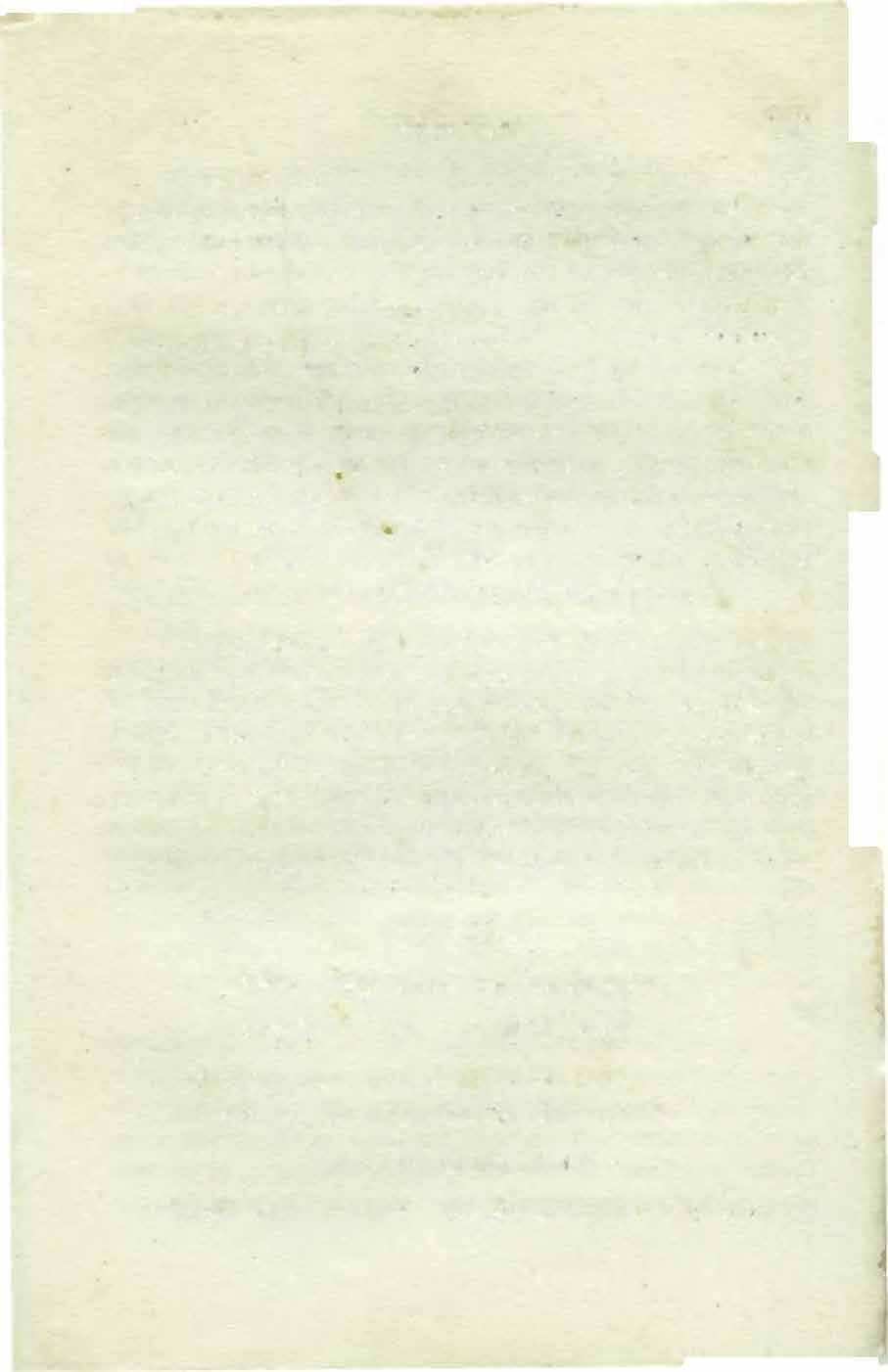
Kechid vikalpavasana ahuratmanam atmana!t Daivam anye pare karma swabham apare prabhum.
ENGLISH SYNONY.tv.:S
Keclzid-sorne of them, Vikalpavasana-those wLo cover all
'Text. 19] FffiSTCANTO 1035
19 �f� f<f��q(f�;:JT �llg��flAltT(f{�: I
Cllq �Cf'+fTCfltl:f� Sfil�>
No.
c{�;:qsq�
II ..."
-
kinds of duality, A!tur-declare, Atmetnam-ownself, Atmanah-ofthe self, Daivam-3Uperhuman, Atrye-others, Apare-somebody else, Karma-activity, Swab!tavam -material nature, Apare-many other, Prabhum -authority.
TRANSLATION
Some of the philosophers who decline all sorts ofduality, declare that one is ownselfresponsible for one's personal happiness and distress. Others say superhuman power is responsible while somebody else say activity is responsible and the gross materialist says nature is the cause ultimately.
PURPORT
As referred to above philosophers like Jaimini and his followers establish that fruitive activity is the root cause of all distress and happiness and even there is any superior authority as some superhuman powerful God or gods, He or they are also undev the influence offruitive activity because they reward result according to one's action : and action is not independent because action is performed by some performer : therefore the performer himself is the cause ofhis own happiness or distress. In the Bhagwat Geeta also this is confirmed (B.G. 6!5) that by one's mind freed from material affection one can deliver himself from �the sufferings ofmaterial pangs and one may not entangle oneself in the matter by material affection of the mind. As such one's own mind is the friend or enemy in the matter ofone's materia) happiness and distres3.
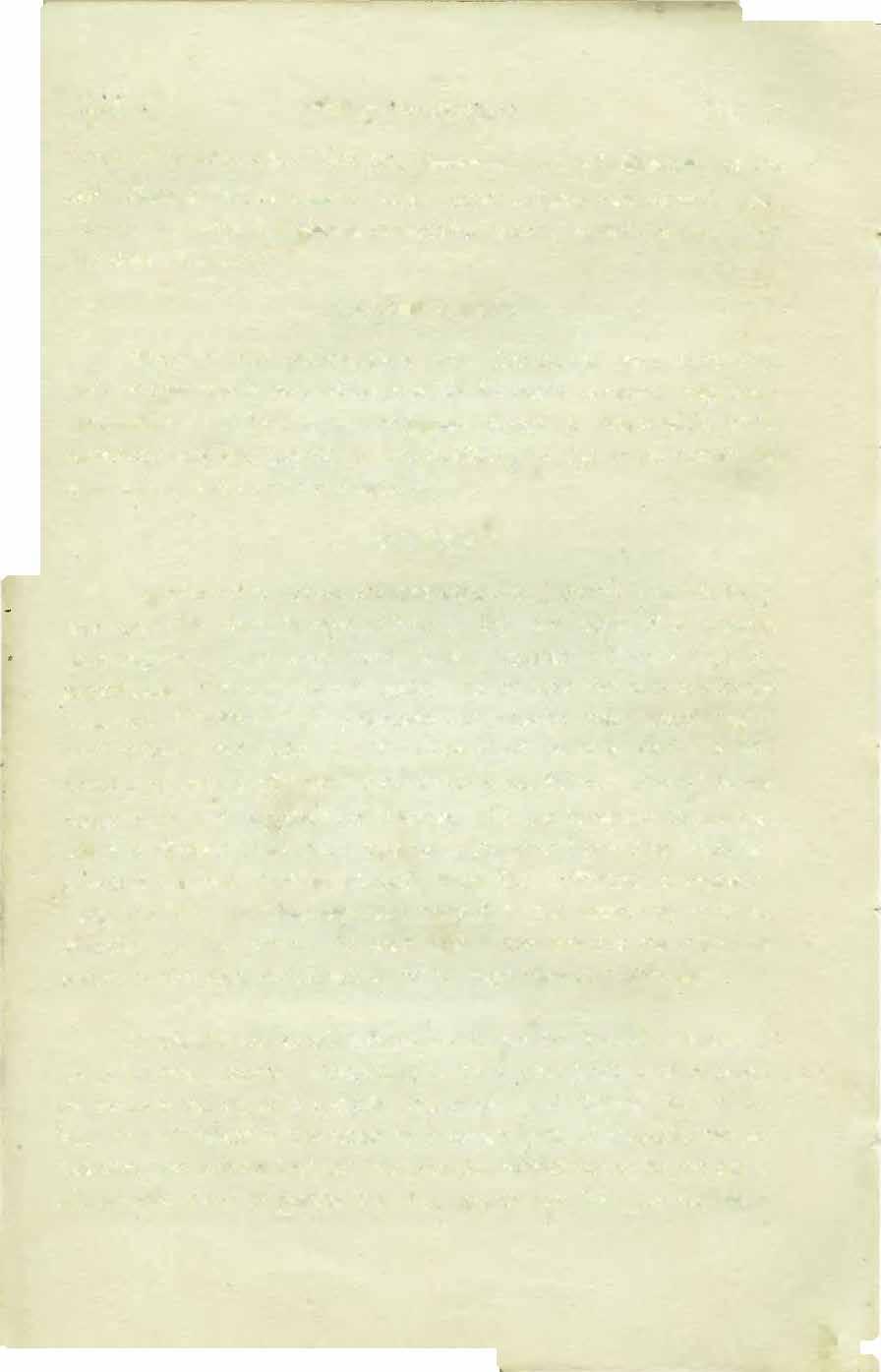
Atheist like materialist-Samkhya concludes material nature as the cause of all causes. AccordiHg to them combination of material elements is the cause of material happiness and distress and disintegration of matter is the cause of freedom from all material pangs.
Goutam and Kanad find out the atomic combination as the cause ofeverything and impersonalist like Astavarkra finds out the spiri-



1036 1!51UMA.DBH.A.GW.ATAM tch. 11
1
tual effulgence ofBrahman is the cause of all causes. But in the Bhagwat Geeta the Lord Himselfdeclares that He is the back ground source ofimpersonal Brahman also, and therefore He, the Personality ofGodhead, is the ultimate cause of all causes. This is confirmed in the Brahma Samhita also that Lord Krishna is the ultimate cause of all causes.
TEXTNo. 20
A.pratarkat anirdesyat iti kesu api nischayah Atra anurupam rajarse vimrisa swa manisaya

ENGLISHSYNONYMS
Apmtarkat-beyond the power of reasoning, Anirde.ryat-beyond the power of thinking, Iti-thus, lresu-in somebody, Apialso, Nischayam-definitely concluded, Atra-berein, Anurupamwhich of them is riiht, Bajarse-Oh the sage amongst the kings, Vimrisa-judge yourself, Swa-by your own, Manisaya-power of intelligence.
TRANSLATION
There are some thinkers also according towhom no body can ascertain the cause ofdistress by arguments neither one can know it by imagination nor any one can rxpress it by words. Oh the sage among the kings just make your own judgement by thinking over them by your won intelligence.
PURPORT
The Vaisnavites or the devotees ofthe Lord do believe it, as above explained, that nothing can takeplace without the sanction of the Supreme Lord. He is the supreme director as He con-
Text 20] FIRST CANTO 1037
$fq�Q'ftf.:Rmr.fi:r •r"til��: •
G'lt§*'imri fil'!1f1' -=�1�1u
firms it in the Bhagwat Geeta (B.G. 15/15) thatHe as all pervading Paramatma stays in each and every one's heart and keeps vigilance ofall actions ofthe living being as witness of all activities by the same living being. The argument ofthe atheist that one cannot be punished for one's misdeeds unless it is proved before a qualified justice is refuted herewith as we accept the perpetual witness constant companion ofthe living being. A living being may forget all that he might have done in his past or present life but one must know that in the same tree as the material body the individual soul andthe Supreme Soul as Paramatma are sitting like two birt.1. One ofthem or the living being is enjoying the fruits ofthe tree whlle the Supreme Being is there to witness the activities. Therefore the Paramatma feature or the Supreme Soul is actually the witness ofall activities of the living being and by His direction only the living being can remember or forget what he might have done in the past. He is, therefore, both the all pervading impersonal Brahman as well as the localised Paramatma in every one's heart. He is knower of all past present and future and nothing can be concealed from Him in respect ofall activities of the living being. The devotees know this truth and thereforethey dischargetheirduty sincerely without being too much anxious for being rewarded or so. Besides that no body can estimate the Lord's reactions either b}' speculation or by scholarship why does He put one into difficulty and why He does not do it for others. He is the Supreme Knower ofthe Vedic Knowledge and as such He is factual Vedantist and at the same time He is the compiler of the Vedanta. Nu body is independent of Him and every one is engaged in His service in different manner. In the conditioned state such services are rendered by the living being under force by the material nature while in the liberated state the living being is helped by the spiritual nature in the matter ofvoluntary loving service ofthe Lord. There is nothing incongruity or inebriety in His actions all on the path ofAbsolute Truth. Bhismadeva correctly estimated the inconceiv-


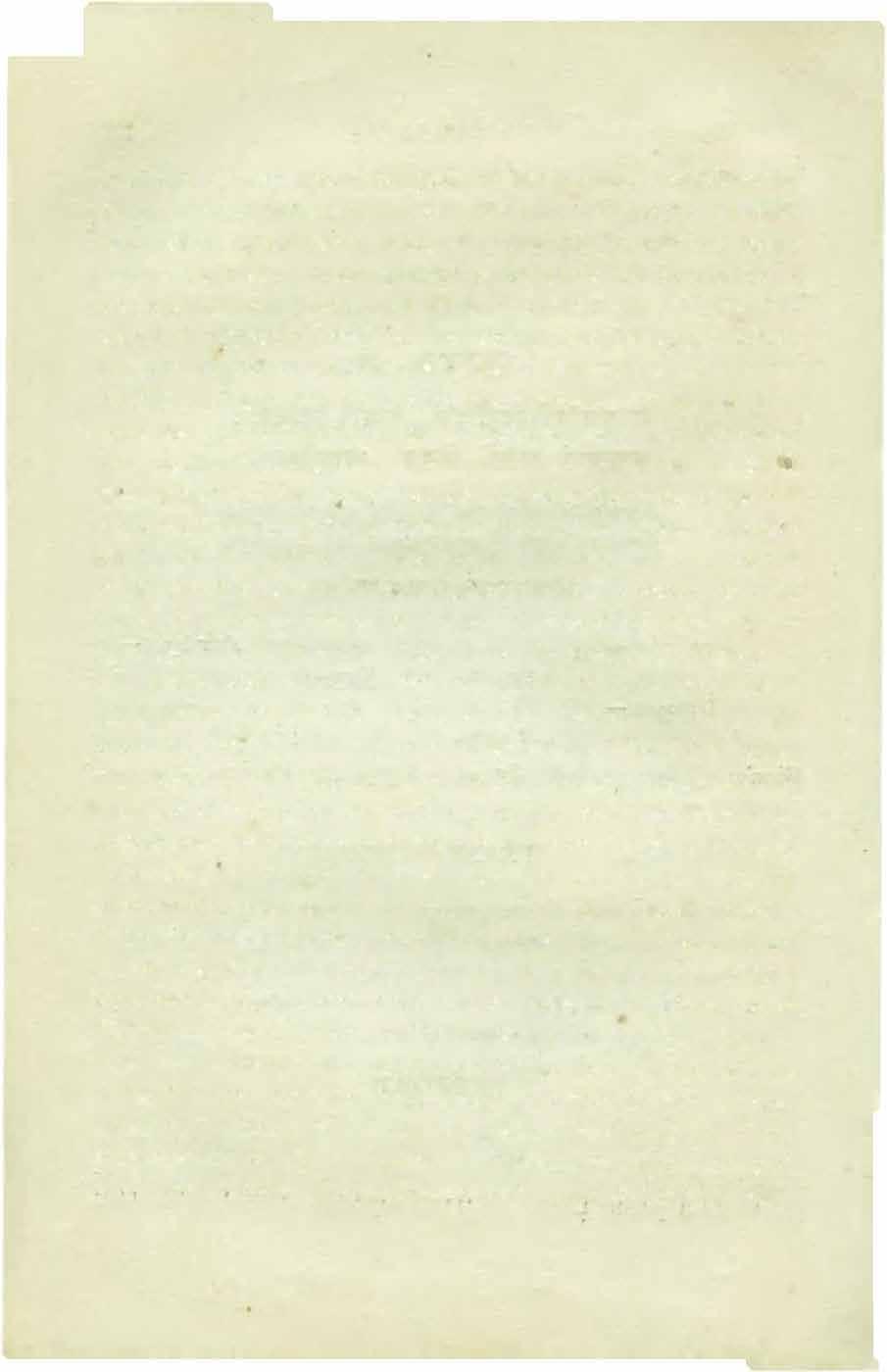
1038 SRIMADBHAGWATAM [Ch. 17
able actionsofthe Lord (see Page 509 Vol. II). The conclusion is therefore that the sufferings of the representative of religiosity and that ofthe representative of the ealth, as were present before the King Maharaj Parikshit, is a planned one inorder to prove it that Maharaj Parikshit was the ideal of executive heads as he knew it well how to give protection to thecows the (earth) andthe Brahmins (religiousprinciples) the two pillars of spiritual advancement ofthe humansociety. Every one being under the full control ofthe Lord, He is quite correct in His action when He desires something to be done by SO!ijle one irrespective ofconsideration of the particular case. Maharaj Parikshit was thus put into a test for his greatness and let us see how does he solves it by his sagacious mind.
TEXTNO. 21

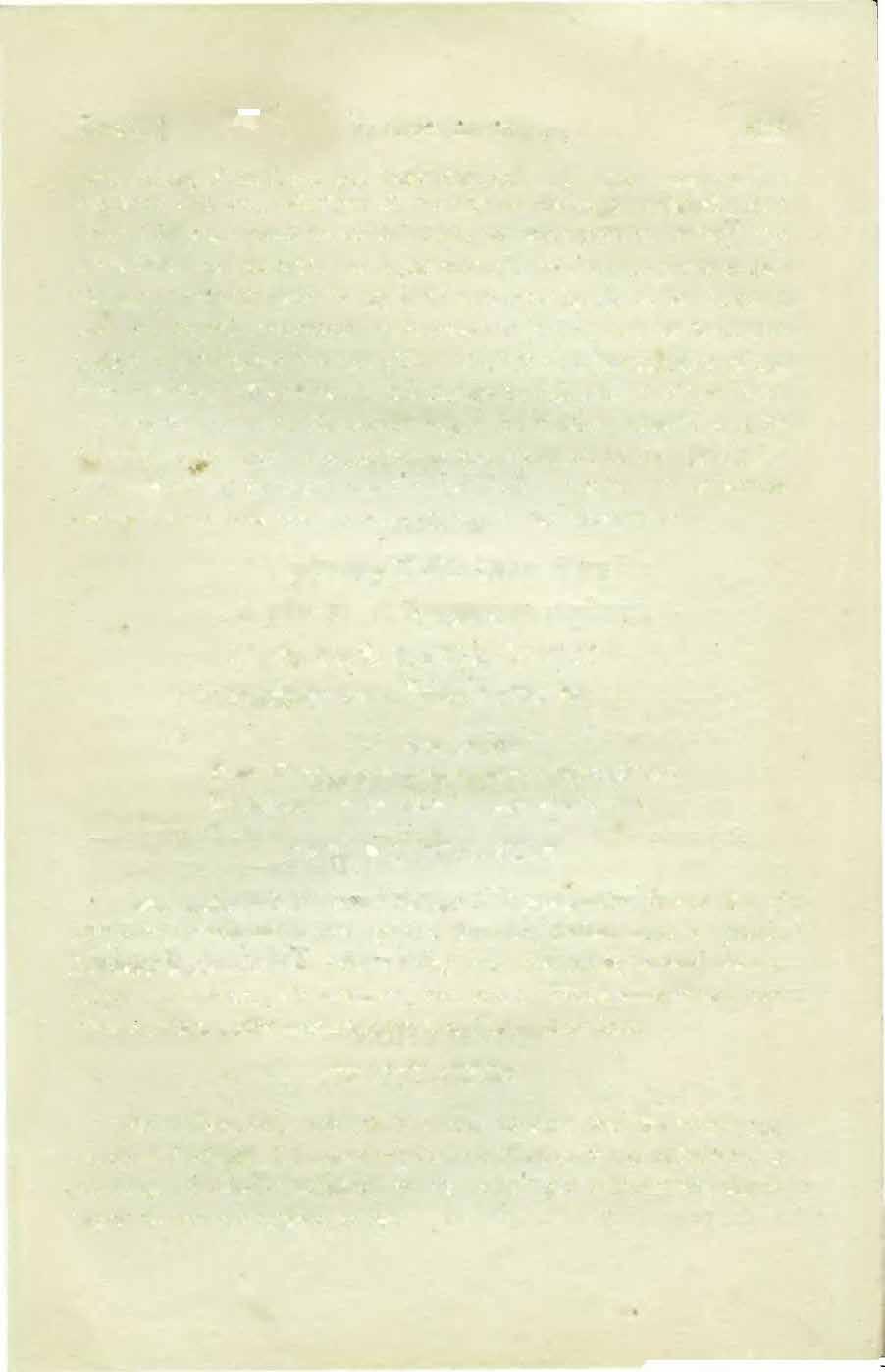
�i'Cillif
q� �� sr��f<f aaVR firiit�
Suta uavach
Evam dharme pravadati sa samrat dwijasattamah
Samahitena manasa vikhedah paryachasta tam.
ENGLISH SYNONYMS
Suta uvacha -Suta Goswami said, Dharme-the Personality of religiosity, Pravadati-thus spoken, Sa-he, Samrat-the emperor, Dwijasattamah-oh the best among the Brahmins, Samahitena-in proper attention, Manasa-by the mind, Vikheda-without any mistake, Parytzchasta-counter replied, Tam-unto him.
TRANSLATION
Suta Goswami said, oh the best among the Brahmins, the emperor Parikshit thus hearing on the Personality of religiosity so speaking, He was full satisfied in his mind and without mistake or regrethe counter replied to him.
Text21] FIRSTCANTO 1039
.,
• a'ftf��'l'ifat ��:��a-a'{
The statement ofthe bull personality of religiosity being full of philosophy and knowledge, the king was satisfied in his mind as he could understand that the suffering bull wasnot an ordinary one. Unless one is not perfectly conversant with the law of the Supreme Lord, no body could speak such thing touchingphilosophical truths. The emperor also being on equal level of sagacity, replied just to the point without any doubts or mistake.
TEXT N0. 22

Rajovacha
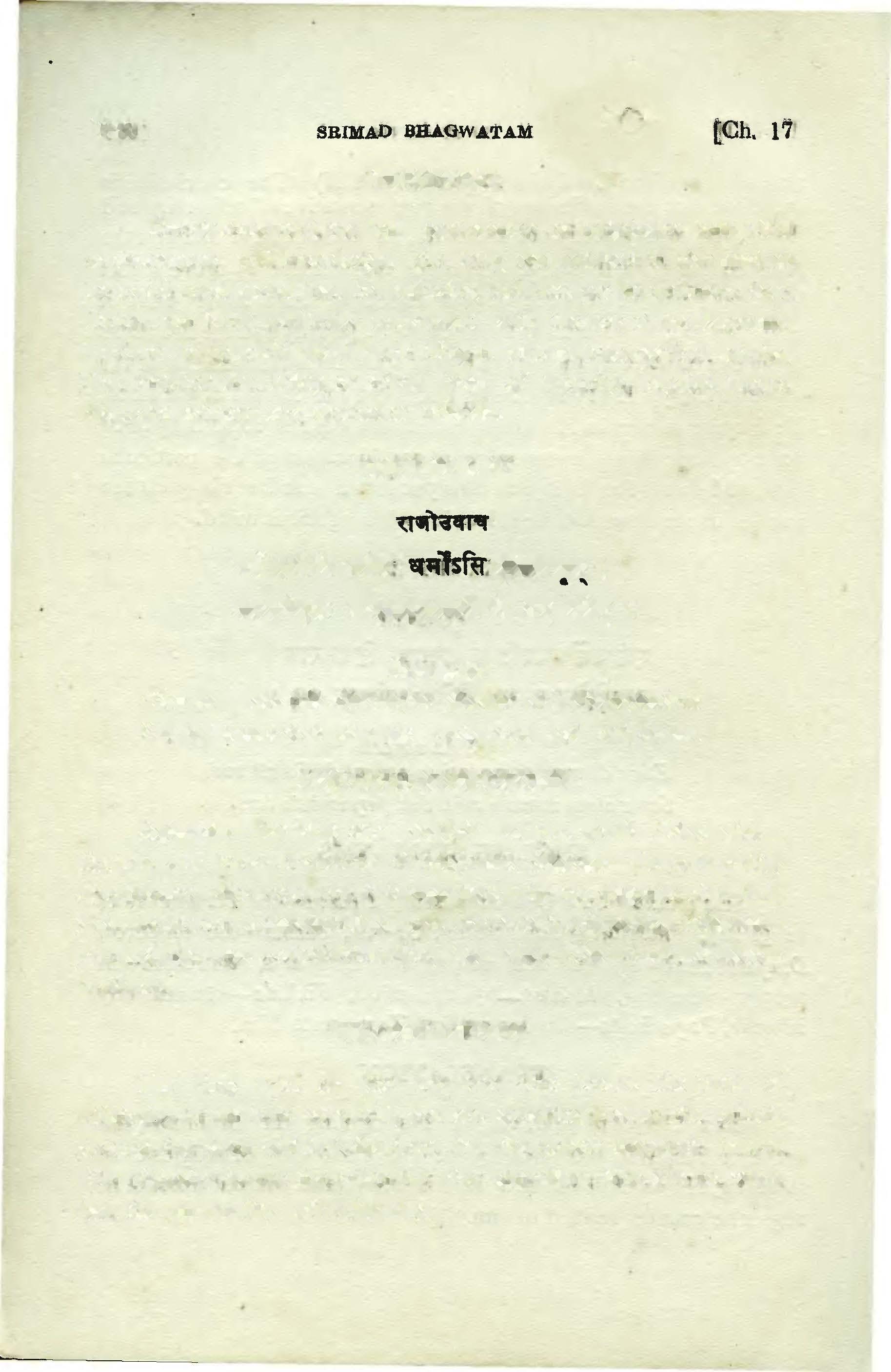
Dharmam vravrishi dharmajrza dharma asi vrisarupadhrik Tad adharmakritah sthanam suchakasya api tad bhavet.
ENGLISH SYNONYMS
Rajovacha- the king said, Vravishi-as you speak, Dharmajna_ like one who knows the codes ofreligiosity, Dharma-thepersonality of.relgiosity, Asi-yQJJ. az:e, Vrisarupadhrik-in the disguise ofa bull, rad-whatever, Adharmakritah-one who acts irreligiously, Sthanamplace,Suchakasya-ofthe identifier, Api-also, Tad-that, B h�etbecomes.
TRANSLATION
The king said, oh you are one who knows the truth of religiosity in the form ofa bull, you are speakingjust on the principle that the place which is fixed up for the person engaged in acts of irreligiosity, is also the place.for the identifier. You are no other than the personality of religiosity.
1040 PURPOR'I
(1"'"'�41"4 �rilftf'l.tw "'MiQ'lllf ' ." lR'lq�a-:''-'Trf'f't�'lrf'f �dct It
A devotee's conclusion is that no body is directly responsible for becoming benefactor or mischiefinonger without the sanction of the Lord,therefor he does notidentifyany one directly respmible for such action. But in both thecase'> he takes it for granted that either benefit or Joss it is God sent and as such it is his GfaC{'". In case of benefit, no body will deny it being god-sent but in case of loss or reverses it becomes doubful how the Lord could be unkind to his devotee as to put him in great difficulty. Jesus Chriest was seemigly put into such great difficulty being crucified by the ignorant but he was never angry upon the mischief mongers. That is the way ofaccepting a thing, either favourable or unfavourable, by the devotee and as such for a devotee the identifier is equally a sinner like the directly mischiefmonger. As God•s Grace the devotee tolerates all reverses upon him and Maharaj Parikshit observed this particular symptom ofa devotee in the form a bull and thereforehe could understand that the bull was no other than the personality of . religiosity himself.· In other word:� a devot-ee has no snffering at all; because the socalled suffering isalso God's Grace for a devotee who sees God in everything. They never placed any complaint before the king for being tortured by the personality ofKali although every one lodges such kind of complaints before the state authorities. The extraordinary behaviour ofthe bull made the·king to conclude that the bull Was" certainly Personality ofreligiosity otherwise no . body could u·nderstztnd the finer intricacies of the codes of religion.



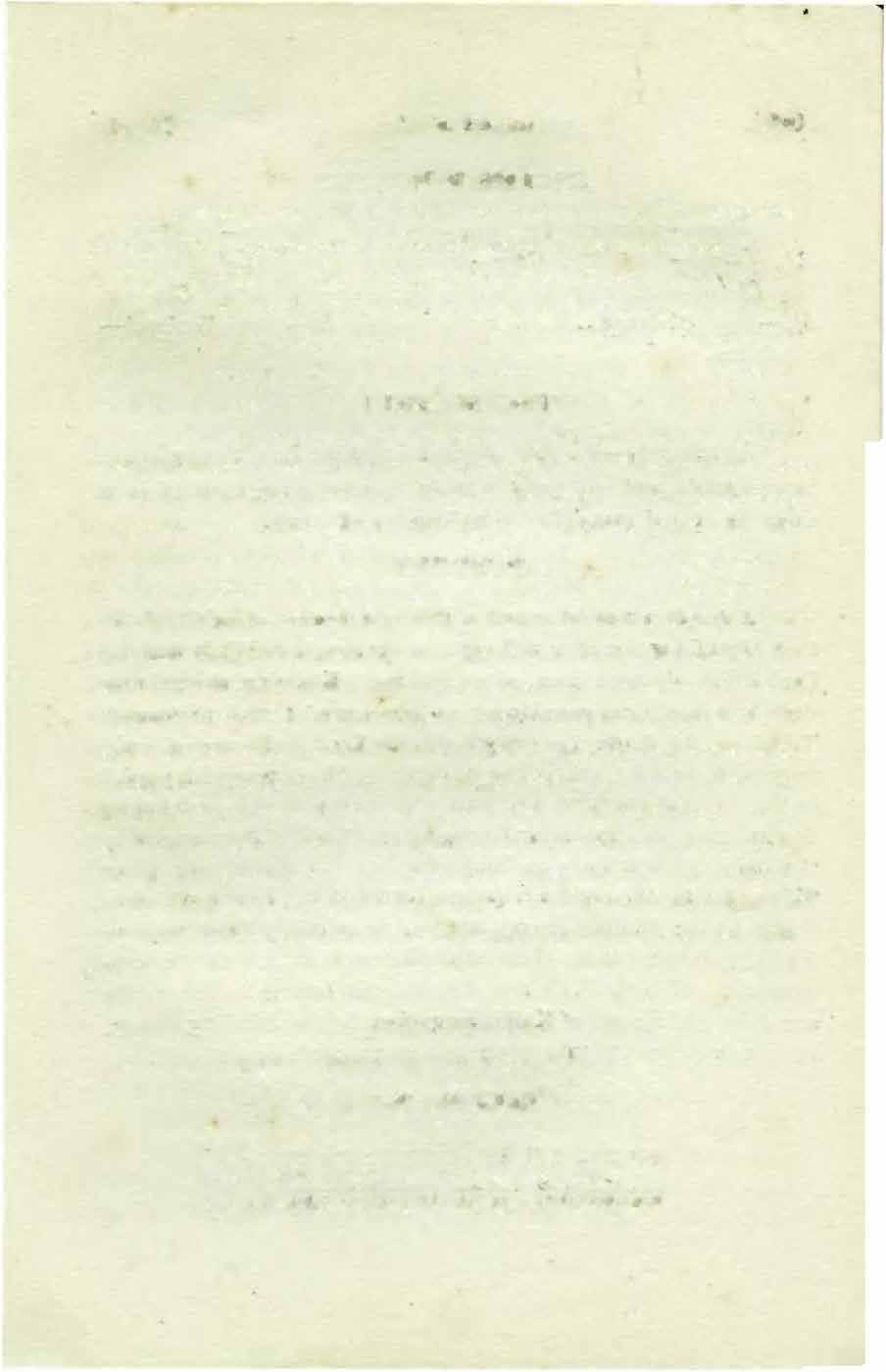
Text 22] FIRSTCANTO 1041
PURPORT
TEXT NO. 23 �!lf(!(T t�tlfTlfl ;:r;f.qfij"{q):ej"{T I .. ��) q:i!{�;{tfif· ;f'm;Jtfilf� fif"'llf: II ..
Athava deva mayaya nunam gatir agochara Chetaso vachasas cha api bhutanam itinischayah
ENGLISH SYNONYMS
Athava-alternatively, Deva-the Lord, Mayaya-by theenergy, Nunam-very little, Gatir-movement, Agochara-inconceivable, Chetaso-either by the mind, Vachasas-by words, Cha-or, .Api-also, Bhutanam-of all living beings, /ti-thus, Nischayahconcluded.
TRANSLATION
Alernatively-it is thus concluded that the Lord's energies ar£ inconcievable and no body is able to make an estimate ofthem either by mental speculaion or byjugglery ofwords.
PURPORT
A question may be raised as to why a devotee should refrain from identifying the actor although he knows it definitely that the Lord is the ultimate doer of everything. Knowing the ultimate doer, one should not pose himselfas ignorant of actual performer. To answer this doubts the reply is thatthe Lord is also not directly responsible because everything is done by His deputed Mayasakti or the Material energy. The material energy is always deluding doubts <·bout the supreme authority of the Lord. The personality ofreligiosity did it know perfectly well that nothing can take place without the sanction ofthe Supreme Lord and still he was put into doubts by the deluding energy and thus he refrained from mentioning the supreme cause. This doubtfulness was due to the contamination of both Kali and the material energy. The whole atmosphere ofthe age ofKali is magnified by the deluding energy, and the proportion ofmeamrement is inexplicable by any one.
TEXT No. 24

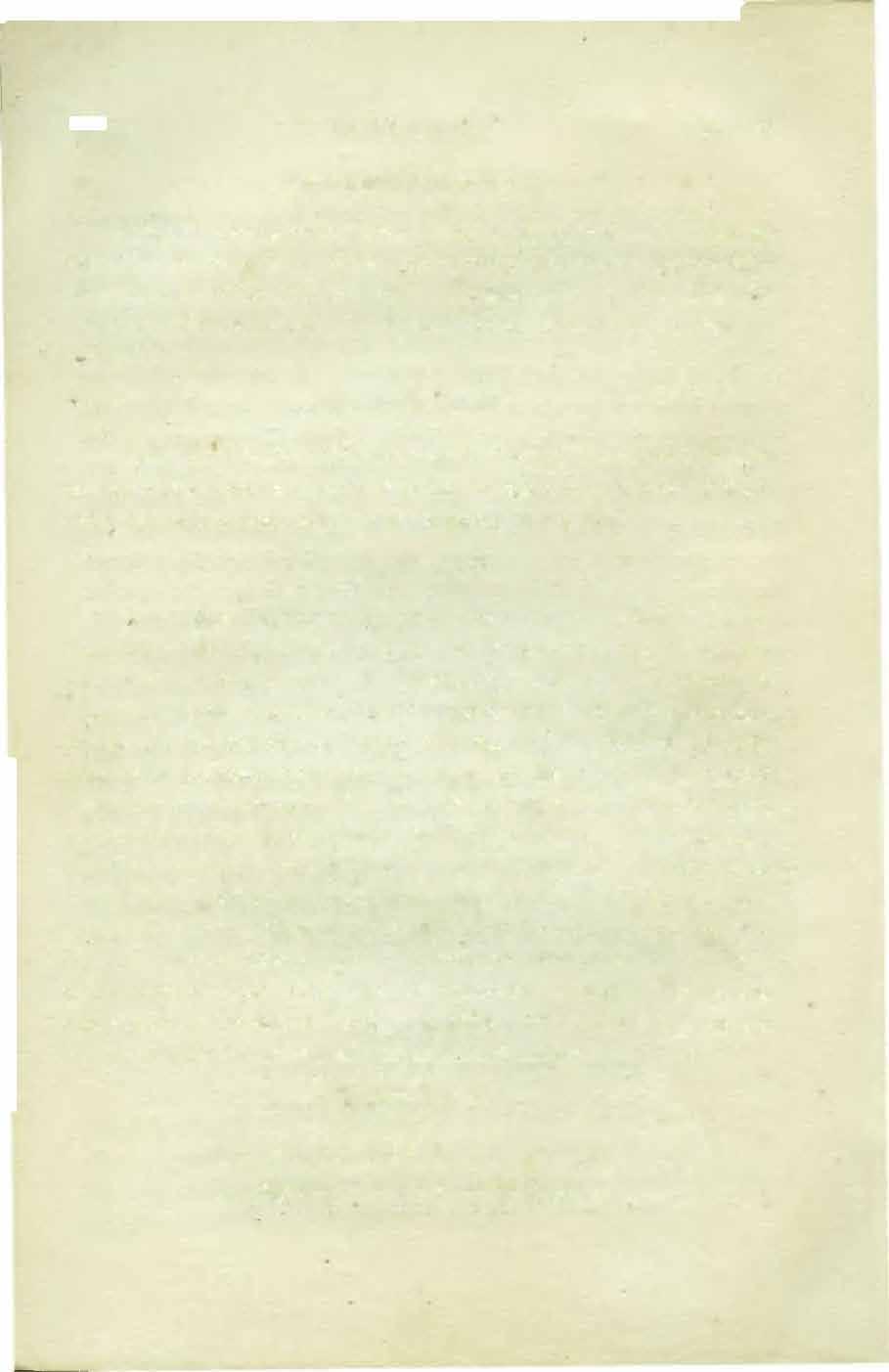
$.BitrlADB.B.!.OWATAllrl [ Ch. 17
ft"f:�w qlfl �qf�fi:r qm: ��tn: • c • !A&timf'At 1F'n: f"lftiq"i'�"''
Tapah souckam daya sa�m iti padah krite kritah Adharma amsais trayo bhagnah �maya samgam madais taba. ENGLISH SYNONYMS
Tapah-austerity, Soucham-cleanlines�, Daya-mercy, Sa!Jamtruthfulness, Jti-thus, Padah-legs, Krite-in the age of Satya, Kritah-established, Adharma-irreligiosity, Amsai-by the parts, Trayo-three combined, Bhagnah -broken, Smaya-pride, Samgamtoo much association with woman, Madais-intoxicating habit, Tavc�-your.
TRANSLATION
"In the age of Satya (truthfulness) your four iegs were established by the four principles of Austerity, Cleanliness, Mercy, and Truthfulness. But it appears that your three legs ate broken on account ofpartially rampant irreligiosities in the matter of pride, too much affection for woman and intoxicatinghabit."
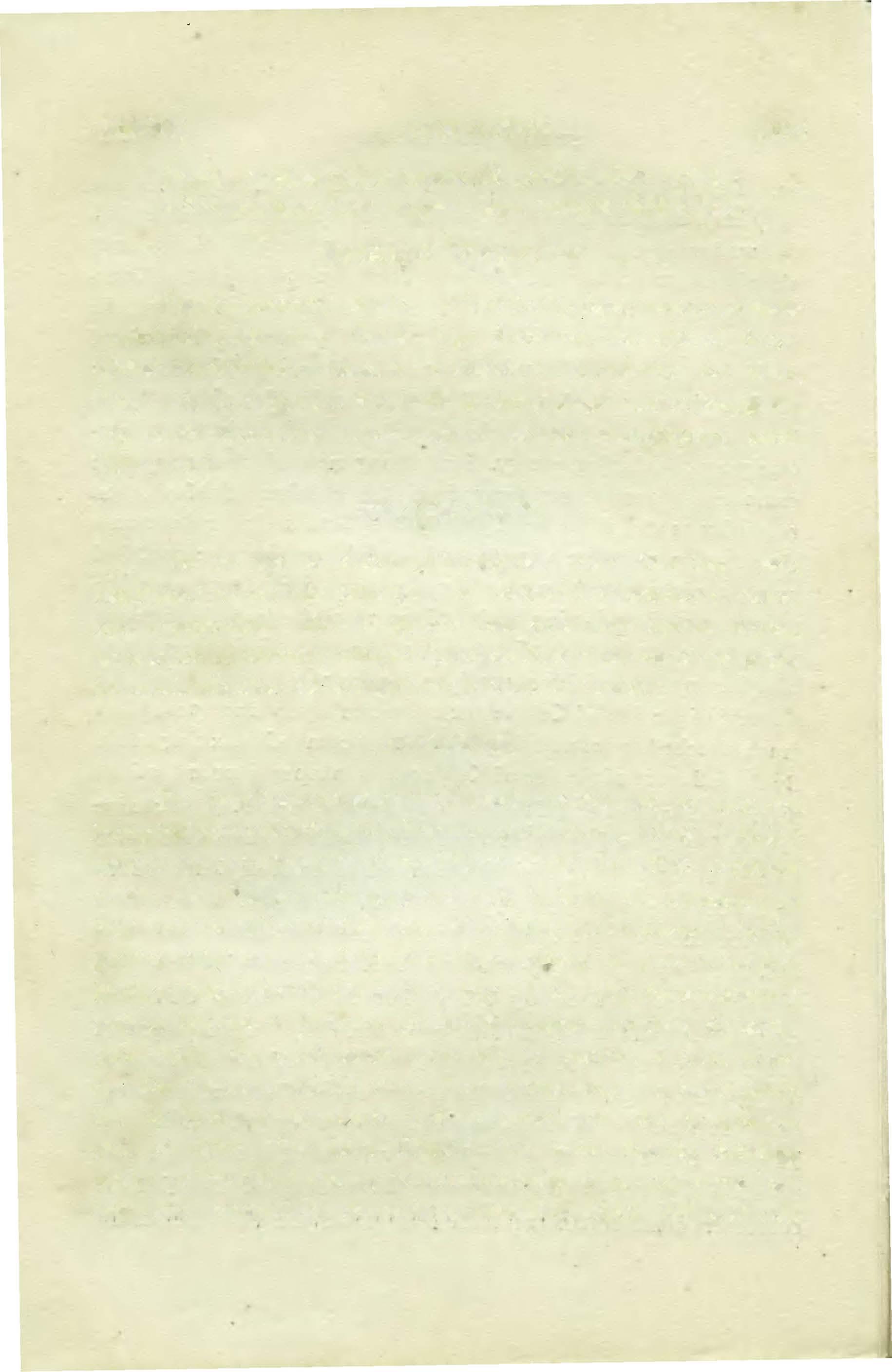
PURPORT
The deluding energy or the material nature can act upon the living beings proportionately in terms of the living being's fallin' a prey to the deluding attraction ofMaya. The deluding attraction ofMaya is displayed more appropirately in terms of brigh•ness of light and the falling ofthe ants. The ants are captivated by the glaring brightness of light and thus become a prey to the fire. Similarly the deluding energy is always captivating the conditioned souls to become a prey to the fire ofdelusion and the vedic scriptures warn the conditioned souls not to become a prey to the delusion but toget rid out ofit. The Vedas warn us not to go to the darkness of ignorance but go ahead on the progressive path of light. The Lord Himself also warns that the deluding power of material energy is too powt>rful to be overcome but Qp.e who completely surrenders l,lnto the Lord can easily dQ
q"ext 24] PmSTCANTO
1043
so. But to surrender unto the lotus feet of the Lord is also not very easy. Such surrender is possible by persons whohave had cultured transcendental knowledge on the principles of austerity cleanliness, mercy and truthfulness. These four priciples of advanced civilization were remarkable features in the age of Satya. In that age every human being was practically qualified Brahmin of the highest order and from;the angle ofsocialordersoflifutheywere all Paramhnsas or the topmen ofthe renounced order oflife. By cultural standing, the human beings were not at all subjected to bee· orne prey to deluding enorgy. Such strong men of character were competent enough to get away from the clutches of Maya. But gradually as and as the b:-tsic principles ofBrahminical culture nam ely austerity, cleanliness, mercy and truthfulness became curtailed by proportionate development ofpride, too much aHachment for women and intoxicating habit, of the peoplein general it became prominent that the p1th ofsalvation or the path of transcendental bliss became far and far away from the human so::;iety. With the increase of the age of Kali peoplearebecomingtoomuch proud, too much attached to woman and too much victim§ ofintoxiting habit. By the influence of the age ofKali even a pauper is proud of his penny, the woman as a class is always dressed in an over attractive fashion for victimiging the mind of m1.n and the man is too much adicted to intoxicating habit in the matter of drinking wine, smoking, drinking tea and chewingpan etc. All these habit or so called advancenment ofcivilization is the root cause of all irreligiosities and, therefore, it is not possible to check corruption, bribery and nepotism as are desired by the leaders to be rooted out. You cannot check all these evils ofsociety simply · by statutory acts of police vigilance but you have to cure the disease ofmind by the proper medicine namelyadvocating the principles:ofBrahminical cultu re or the principles ofausterity, cleanliness, mercyand truthfulness. Modern civilization of economic development, is creating a new situation ofpoverty and scarcity with the result of blackmailing the consumers commodides and if the leadres and the rich men ofthe
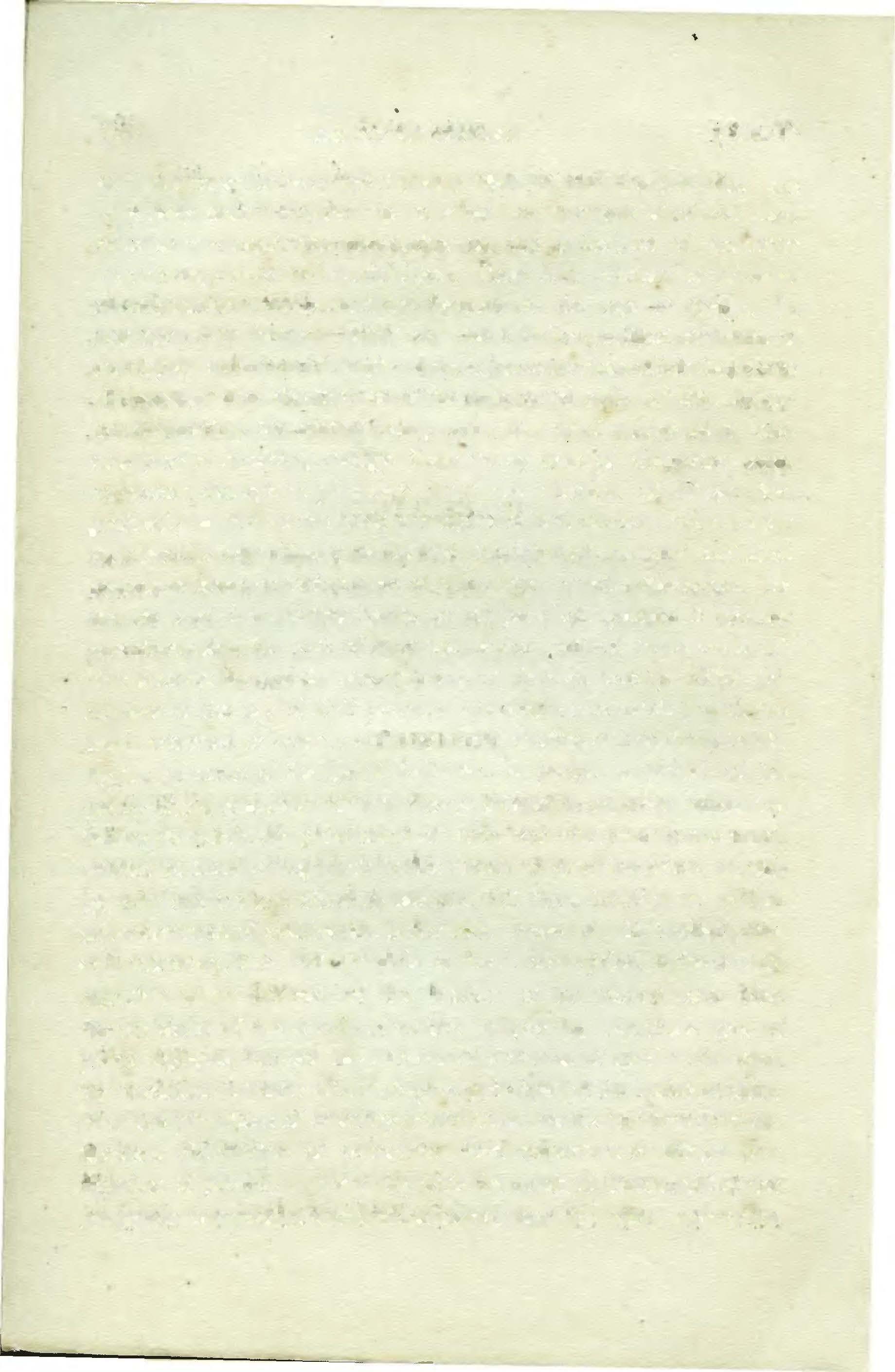
1044 SRIMAD BHA.GWA.TAM [ Ch. 17
society spend fifty percent of their accumulated wealth mercifully for the misled mass of people and educate them in the matter of God. consciousness or in the kn owledge ofBhagwatam certainly the age ofKali will be defeated in its attempt to entrap the conditioned soul to becomethevictim of the a.;e of Kali. We must always remember that false pride or too much estimation ofone's own values oflife, undue attachment for woman orassociation with them and intoxicating habit of all major or description, will criple the human cvilzation from the path offactual peace however the people may go on clamouring formch peace of the world. The preaching of Bhagwatam-principles •.vi11 automatically render aU men practised to austerity, become dean both inside and out side, merciful to the suffering meu and truthful in daily behaviour. That is the way of correctingthe flaws ofhuman society very prominently exhibitf'd at the present moment.
TEXT No. 25
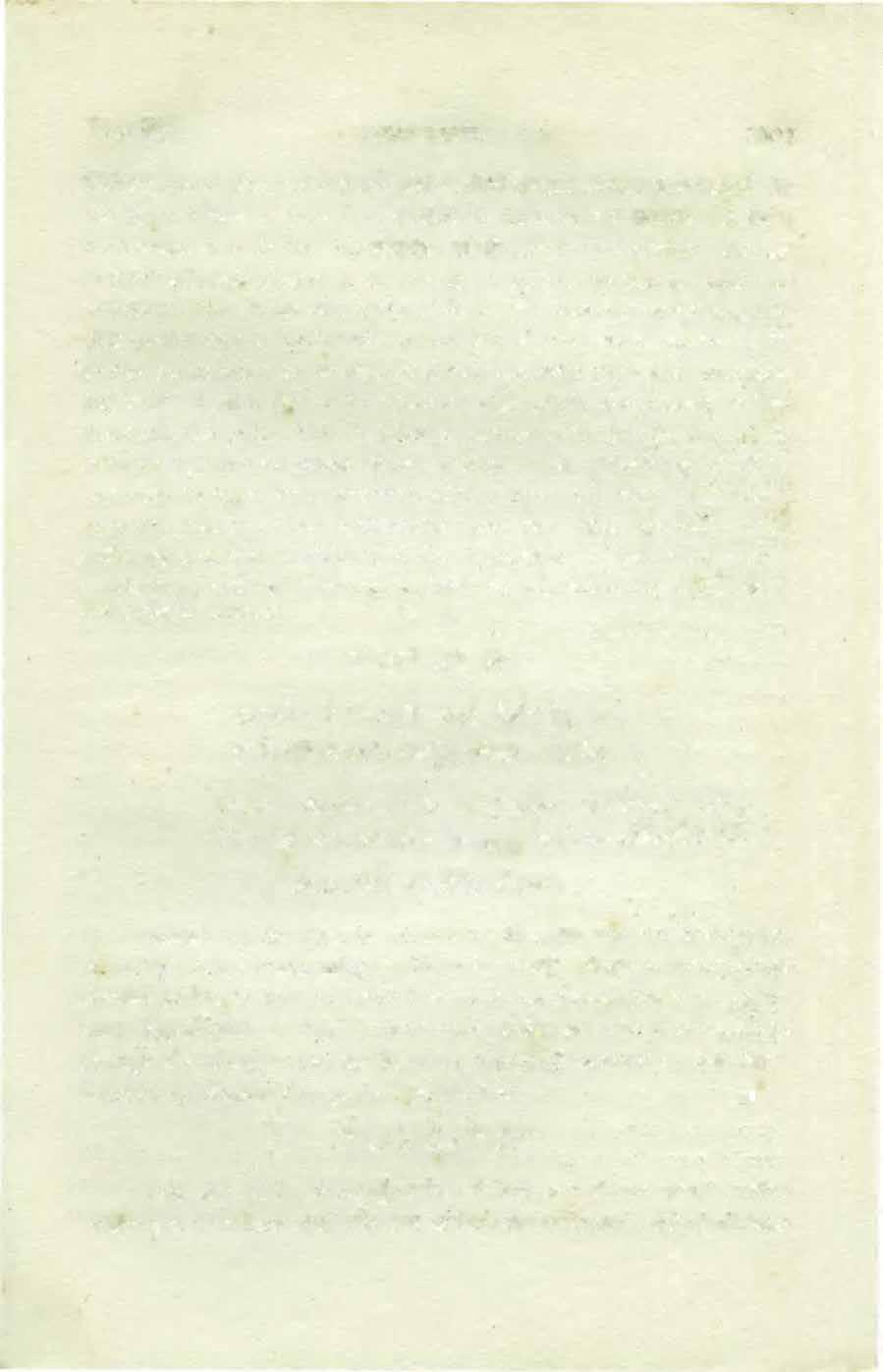
�TWf1�q qffti) ��rif'l'�ffq� lief: I ...
afilf!IR�lff.t:q:fSlf1fia;lfqa: 'f)f\Wf: II

ldanim dharma padas te "satyam nirvartayet yatah
Tamjighrikshati adharma oyam anritena edhitah kalih.
ENGLISHSYNONYMS
!danim-at the present moment, Dharma-oh the'personal ity of rdigiosity, Padas-legs, Te-o[ you�· Sa!)lam-truthfelness Nirvartayet-may pull on some how or other, ratah-whereby, Tamthat, Jigrikshati --trying to withdraw, Adharma-the personality-of irreligiosity, Ayam- th1s, Anritena-by false rep·resentation, Edhitahflourishing, Ka:lih-the quarrelpPrsonfied.

TRANSLATION
You are just standing on one leg . or by one part ofyour existing truthfulness and you are some how or other pulling on with
Text 25] FJRST CANTO 1045
this but this quarre!-personified, being flourished byfalse representations, is trying to with draw that also.
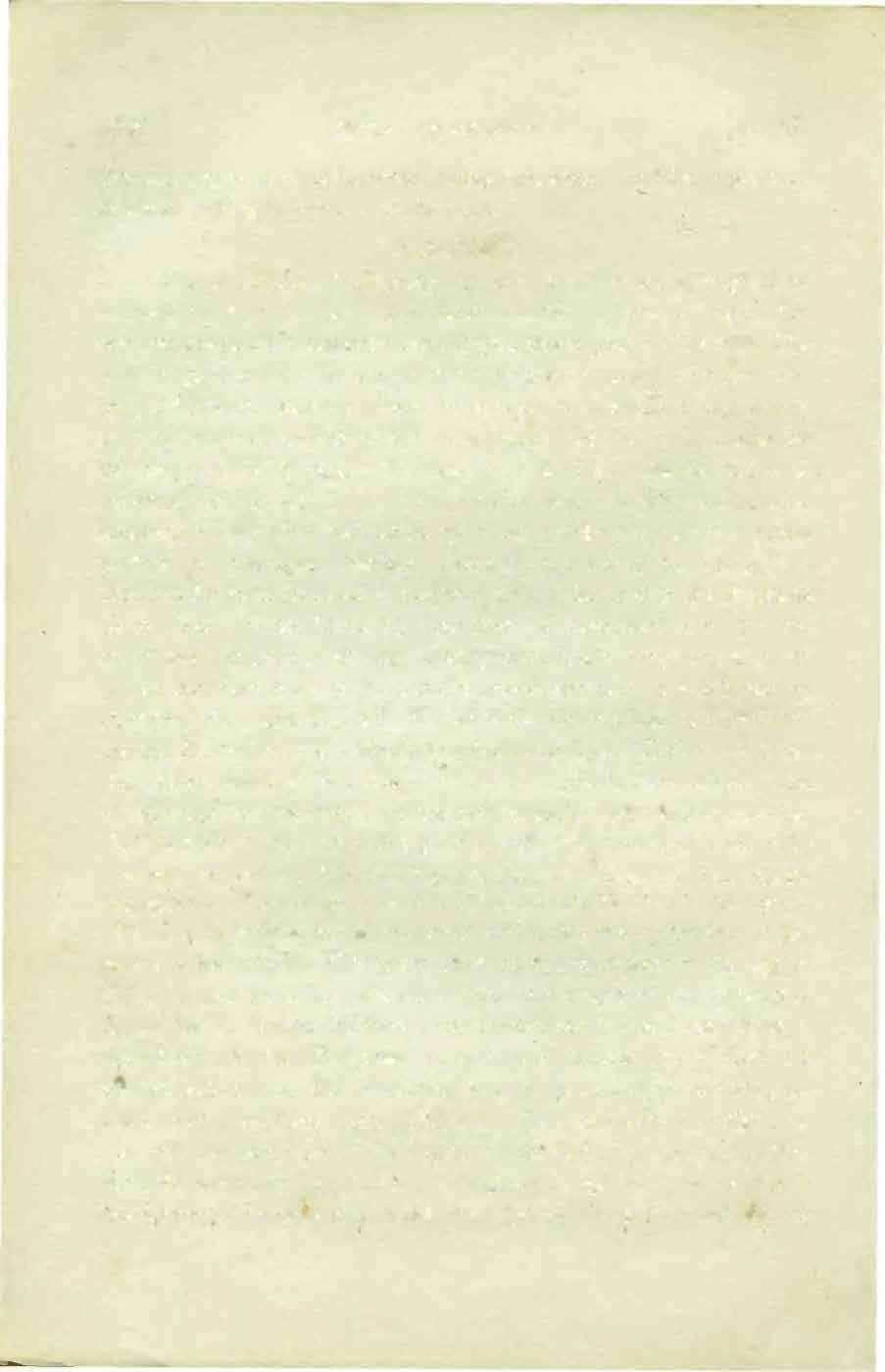
PURPORT
The principles ofreligiosity do not stand on some dogmas or man-made fomulas but they stand on four primary regulative observancesnamtlyausterity,cleanliness, mercy and truthfulness.The mass ofpeople must be educated for practisingthese principles from very childhood. Asterity means to accept voluntarily things which mfly not be very comfortable for the body but they are conducive for spiritual realisation. For example fasting. Fastng twice or fourtimes in a month is a sortofausterity which may be voluntarily accepted for spiritual realisation only and not for anyotherpruposes political or otherwise. Fastings, which are not meant for self-realisation,but forsome other ultra-purposes arecondemnedin theBhagwat Geeta (B.G. 17/ 56) Similarly cleanliness is necessary both for the mind and the body. Simple bodily cleanliness may help to some extent butcleanliness ofthe mind is necessary and it is effected by glorifyingthe supreme Lord- No body can cleanse the ·accumulated mental dust without glorifying the Supreme Lord. Godless civilization cannot cleanse the mind because such civilization has no idea ofGod and for this simple reason people under such godless civiliza tion cannot have definitely good qualification however materially one may be well equipped. Wf!- have to see things by their resultant action. The resultant action of human civilization in the age of ofKali is dissatisfaction ofthe mind and every one is anxious to get peace ofthe mind. This peace of mind was complete in the age of Satya on account oftheexistence ofthe abovementioned attribut:es of human being. Gradually they have diminished in the Treta rugan to threefourth, in the Dwapara to half and in this age of Kali it is diminished to one fourth which is also gradually dimnishing on account ofprevailing untruthfulness. By pride either artificial or real the resultant action of auterity is spoiled ; by too much affection for womanly association, cleanliness is spoiled ; by too much addiction to intoxicating habit mercfiulness is spoiled and Dy too
1046 SRIMADBHAGWATAM [O:h.17
much lying propaganda truthfulness is spoiled. Revival ofBhag· watam Dharma all round one can save the human civilization from falling a prey to the evils of society ofall description.
TEXT NO. 26
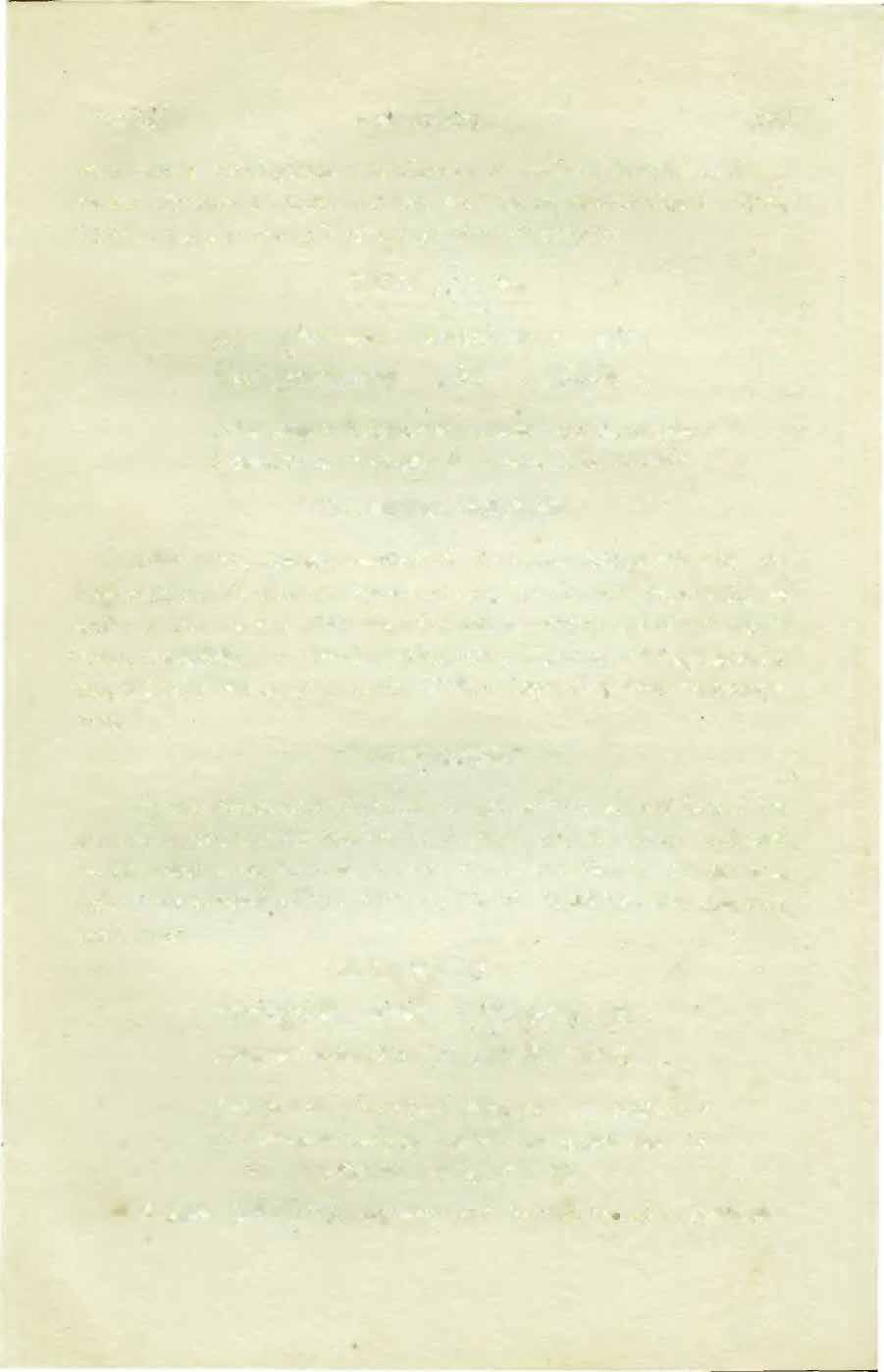
tfi �f'f�I'(�T �IITf«(t)�lfT�f �) l c-.
S!li\'qf.J:�a�qqt=lff�: "cia: ��'l!PT 1•
!dam bhumir bhagawata nyasito uru bhara rati Srimadhis tat padanybsaih sarvatahkrita koutuka.
ENGLISH SYNONYMS
/dam-this, Bhumir-surface of the earth, Bhagawata-by the Personality ofGodhead, N"asito-being performed personally as well as by others, Uuru-great, Bhara-burden, Sati-being so done, Srimadbhis-by the all a auspicious, Tat--that, Padanyasaih-by foot prints, Sarvatah-all round, Krita-done, Koutuka-auspicious-ness.
TRANSLATION
By the Personality of Godhead the burden on the face ofthe globe was certainly diminished by Himself and by others induced by Him and when He was present a� incarnatian by the movements ofHis auspicious foot prints all round auspiciousness was duly performed.
EXT No. 27
�f.q(ll'�� Qtq) ;:�itef)f;lli�n�fa 1
aq:rqqti!qcn:rt•T: ��� �)ffqf.:a'fTfqfif 11
Sochati asrukala sadpwi durbhage iva ujjhitasati
AbranhanyanripahyaJah sudra bhokshyanti mam iti.
ENGLISHSYNONYMS
Sochati-lamenting, Asrukala-with tears in the eyes, Saddkwi-


Text 26] F.IRST CANTO 1041
the chaste,Durbhaga- as if the most unfortunate, Iva-like, Ujjhita-forl0rn, Sati-being su done, Abra.hmanya-devoid of brahminical culture, Nripabya;ah-po;,edas the ruler, Sudra-lower class, Bhokshyanti-would enjoy. Mam-me, /ti-thus.
TRANSLATION
Now she the chaste being forsaken as the most unfortunate by the Personality of Godhead as it were, she is with tears in the eyes lamenting her future for being ruled over and enjoyed by thelower class men po&ing a:�� 1uler.
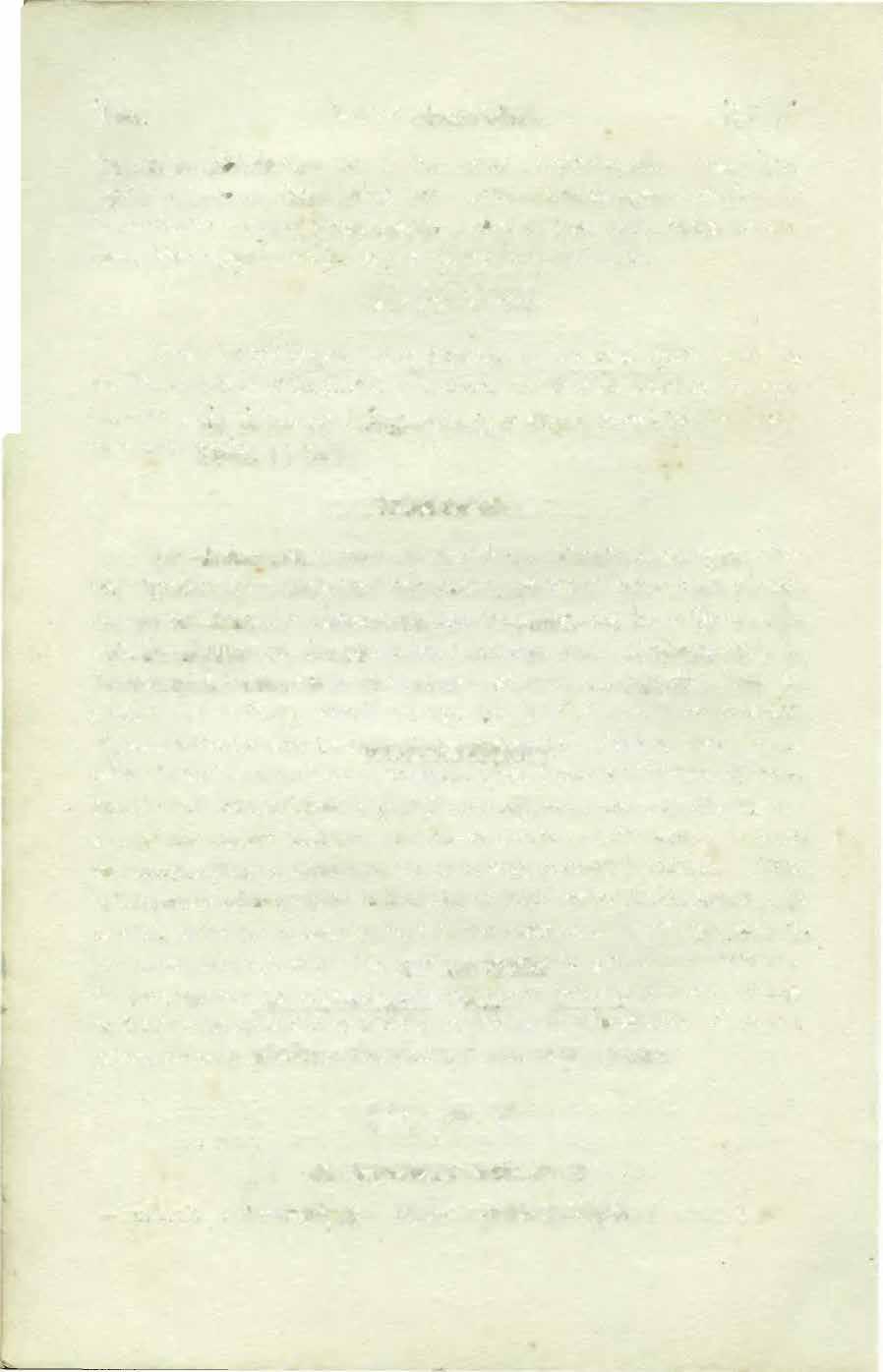
PURPORT
The Kshatriya or theman who is qualiried toprotect the sufferersis meant for ruling over the state. Untrained lower class ofmen or men without anyhigher ambition for protecting the sufferers can· not: be placed on the seat ot an administrator. Un fortunately in the age of Kali the lower class of men without any training how to protect the sufferc:r, would occupy the post of a ruler by strength of popular votes and instead of protecting the sufferers, such lower class of men would create a situation quite intolerable by every one. Such rulers would illegally gratify themselves at the costofall comforts of the citizen and thus the chaste mother earth would cry to see the pitiable condidon of her sons both menandanimals. That is the future of theworld in the age of Kali when irreligiosity will prevail most prominently. And in the absence ofasuitable king to curbdown irreligious tendency of the people in general, a S) sternatic propaganda for educatingthe people in general in the tea<hings of Srimad Bhagwatam will clear up the hazy atmosphere of corruption, bribery, blackmailing andso many other things.
TEXT


1048 SRIMAD
BHAGWATAM [Ch.17
.
-�� ���sa-��ai,,
No. 28 tfff �tf "1:1�Cf ��etfll(Gt"T +f8T�: l f�maqtq�
lti dharmam mahim cha eva santaitwa maharathah
Nisatam adade khargam kalaye adharma hetave.
ENGLISH SYNONYMS
Jti-thus, Dharmam-untu the personality of religiosity, i\.fahim-unto the earth, cha-also, eva--as, Santaitwa--.1fter pac1fying Maharatha-the general who can alone fight with thousands of enemies, Nisatam-sharpen, Adade-took up, Khargam-sNord, Kalayefor killing the personified Kali, A4harma -irreligiosity, Hetave-che root cause.,

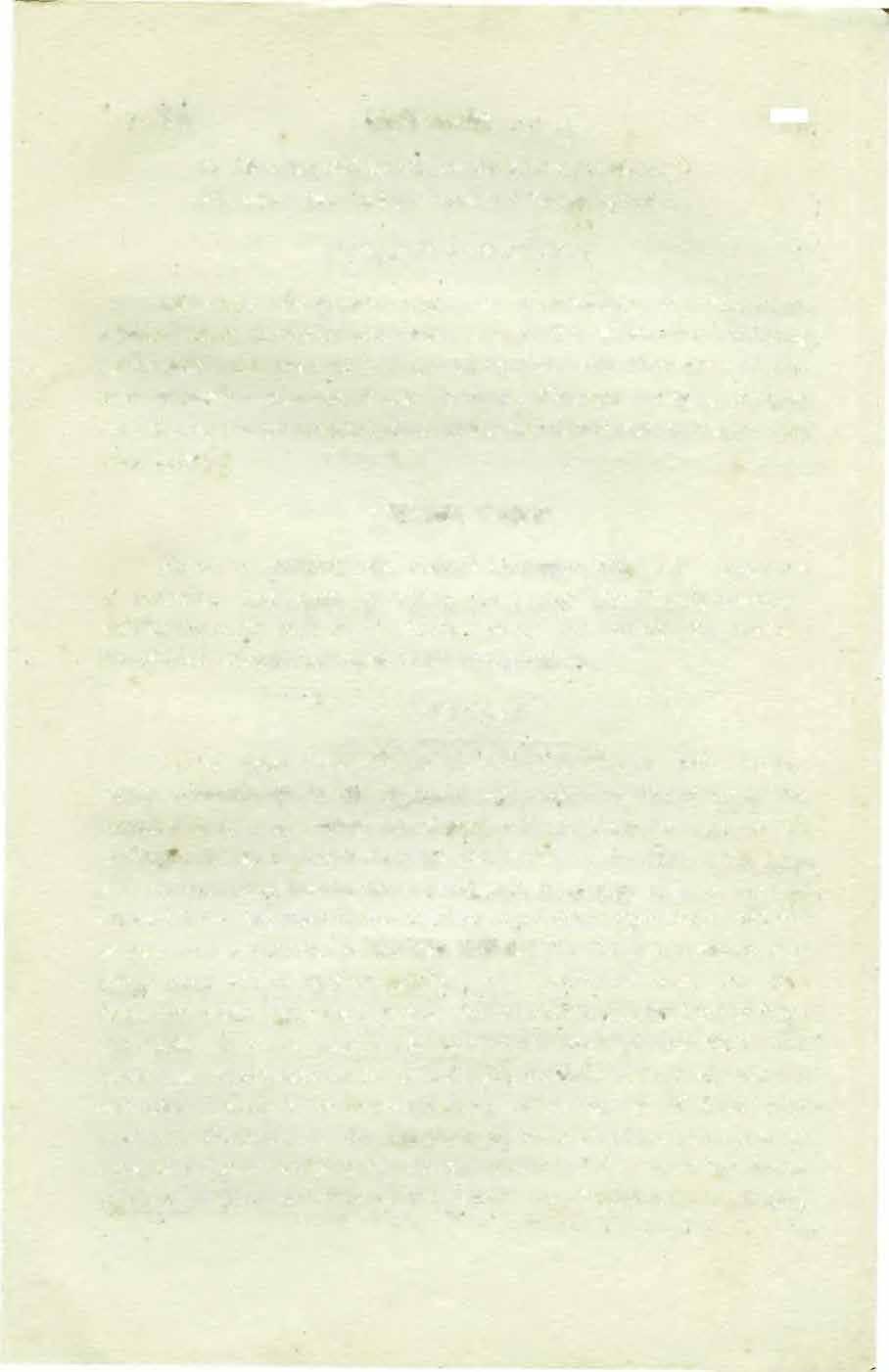
TRANSLATION
Maharaj Parikshit who could alone fight with one thousands of enemies, thus after pacifying the personality of religiousity as well as the earth took up his sharpen sword for killing the personlity of Kali who is thecauseofall irreligiositie;.
PURPORT
As described above the personality of Kali ishe who deliberately commitsall kind i of sinful acts whichare forbidden in the revealed scriptures. This age of Kali will certainly be ful l of all activities of Kali but it does not meanthat the leaders of the society, the executive heads, the learned and intelligent class of men or above all the devotees of the Lord shall sit down tight and become callous to the reaction ofthe age of Kali. In the rainy season certainly there will be profu3e rainfalls, as a matter of fact, but that does not mean that men should not take meam ofp•otection from the rains. It is the duty ofthe executive head of the srate and others as abovementioned to take all necessary actions against the activities of Kali or the persons influenced by the age of Kali; and Maharaj Patikshit is the ideal executive head ofthe state that he became at once ready to kill the personality of Kali with his sharpen sword. The administrators should not simply pass resolutions
Text 28) FffiST CANTO
for anticorruptional steps but they must be ready with sharpen sword to kill the persons creating corruptions from the angle of vision ofrecognised shastras. The administrators cannot do well in the matter of anticorruptional activities by allowing licence for wine shops and at the same time make propaganda fur stopping the habit ofdrinking. They must at once close aU shops ofintoxicating drugs and wine and force puni�hment even by death for them who will indulge in the habit of intoxication of all descrip. tion. That is the wayofstoppingthe activities of Kali as exhibi· ted herein by Maharaj Parikshit the Maharatka.
TEXT No. 29
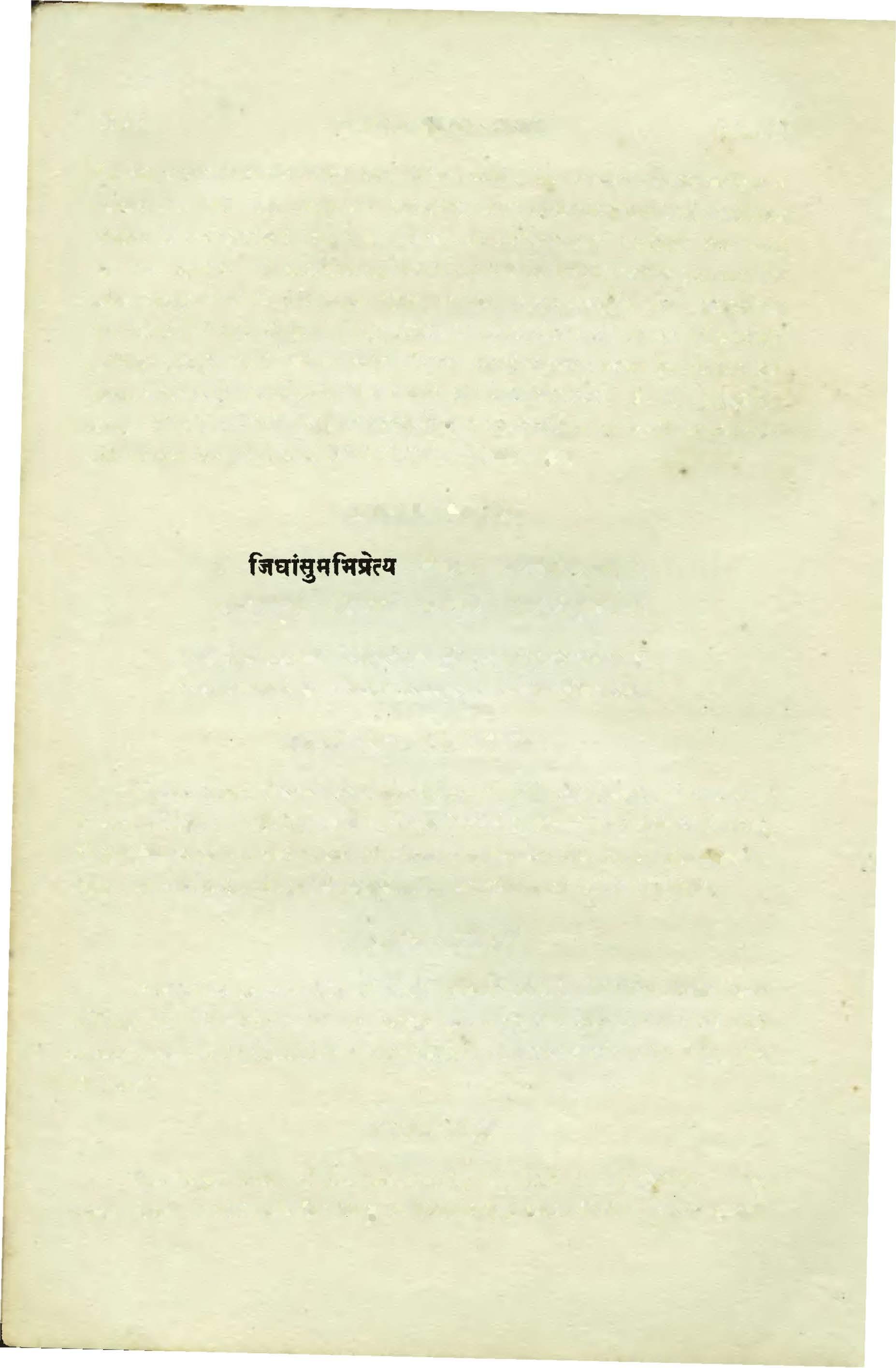
8
Tam jighamsum abhipretya vihaya nripalanchham

Tatpadamulam sirasa samagad hhayabihvalak.
ENGLISH SYNONYMS
Tam -htm, Jighamrum-willing to kill, Abhipre!Ja-knowing it well, Vihaya -leaving aside, .Nripalanchhanam-the dress of a king, Tatpadamulam-underneath his feet, Sirasa-by the head,Samogadfully surrendered, Bhayavihvalah-under pressure offearfulness.
TRANSLATION
When the personality of Kali understood it that the king was willing to kill him, he at once gave up the dress ofa king and under pressure offearfulness completely surrendered unto him by his head.
PURPORT
The royal dress of the personality of Kali is artificial. The royal dress is suitable forking or Kshatriya but when a lower class
1050 SRIM.AD BliA.OWATA..it (Ch. 17
fstt.ti!'lf�iftq R� ,q�IS@it, I lRq'(�� m��n �q""" ;rqf�: u
- ----�-----�-------�--�-
man artificially dresses himselfas a king his realidentity is disclosed by the challenge ofa bonafide Kshatriya like Maharaj Parikshit. A real Kshatriya never surrenders. He accepts the chal1enge ofhis rival Kshatriya and he fights either to die or to win. Surrender is unknowi1 to a real Kshatriya. In the age ofkali there are so many pretenders dressed and posed like administrator or executive head but th.eir real identity is disclosed when they are challenged by a real Kshatriya. Therefore when the artificially dressed personality ofKali saw it that to fight with Maharaj Parikshit was beyond his capacity he bowed down his head like a subordinate and gave up his royal dress.
TEXT SO
qfffif qrqq)c.-1�: iiqqT tT'leR9�:
Patitam padayor virah kripaya deenavatsalah
Saranyo na ahodhit slokyah aha cha idam hasan iva.
ENGLISH SYNONYMS
Patitam-fallen'"down, Padayor-'Jn the feet, Virah-the hero, Kripaya-out ofcompassion, Deenavatsalah-kind to the poor, Saratryo-one who is qualified for accepting surrender, Na-not, Avadhit-did kill, Slokya-one whois worthy of being sung, Aha-said, Cha-also, /dam-this, Hasan-smi1ing, Iva-like.

TRANSLATION
�1aharaj Parikshit who was qualified foraccepting surrender and worthy ofbeing sung in the history, did not kill tht poorsurrendered and fallen down Ka1i but said it smiling, being compassionate as he was kind to the poor,
Txet 39] FIRSTCANTO lOS l
��vq) 'lR't�Rq aT� � �f.ifct"
PURPORT
Even an ord inar y Kshatriya does not kill a surrendered per� son and whatto speak of Mabaraj Parikshit who was by nature compa·;sionatcand kind tnthe po:Jr. He was smil ing because the artificblly dressed Kali disclosed his identity as lower cla• s man and hewas thinking withinhimst lf beeause no body was saved from his sharpensword when he desire d tJ kill but the poor lower classKali was not kil led byhistimely surrender. Iv1aharaj Parikshit1s glory and ki11dnesswould be sung in the h istory as a kind and compa-s sionate emperor and ful l y qualified as worthy ofaccepting surrender even fromhis enemy. Thus the personality of Kali was saved by the will of the Providence.
TEXTNO. 31

uiSJ)'fr��r
ifa- ���l{�)u�•ut at;rts=�� wlAf� flfif�C! 1
if({feraati ll'({ffT Cf)q�� �'sf t:riiQ-
Shri Raja uvacha ;
Na te gudakesha yasodharanam
BaddhanJler vai bhayam asti kimchit
Na yartitavyarn bhavala kathanchana
Kshetre madiye twam adharma bandhu.
ENGLISH SYNONYMS
11
Sri RaJa uvacha-thc king thus said, Na-not, Te-your, Gudakesha-Arjuna, Yasodharanam-of them who inherited the fame, BaddhanJaler-of one who is fo lded hands, Vai-certainly, Bhayamfear, Asti-thcr<" i!', Kimchit-even a slight,Na-neid1er, Vartitaf!1amcan be allowed tn live, Bhavata-by you. Kathanchana-by all means, KshetrB-in the land, Mad!Je-in my kingdom, Twam- you, Adharmabandhu-the friend of irreligiosity.
1052 SRJMAD HHAOWATAM
[Ch. 17
��"�"��:
We have inherited the fame of Arjuna and therefore as you have surrendered yourselfwith folded hands, you have by all means no fear oflife neither you can remain in any land ofmy kingdom as you are the friend ofirreligiosity.
PURPORT
The personality of Kali who is the friend ofall kinds of irreligiosities may be excused ifhe surrenders but in all circums· tances he can not be allowed to domicile as citizen in any part of an welfare state. The Pandavas were entrusted representatives of the Personality ofGodhead Lord Krishna who practically brought into being the battle of Kurukshetra but not for any personal interest. He wanted that ideal king like Maharaj Yudhisthir and his descendants like Maharaj Parikshit should rule over the world and thereforeresponsibleking like Maharaj Parikshitcannot allowed the friend of irreligiosity to flourish in the kingdom at the cost of good fame of the Pandavas. That is the way ofwiping out corruption in the state and not otherwise. The friends ofirreligiosity should be banished away from the state and that will save the state from corruption.
TEXT No. 32



Twam vartamanam naradeva dehrsu
Anupravitto ayam adharmapugah
Lohho anritam chouryam anaryam
Amho jyestha cha maya kalaha.r cha damhhah
ENGLISHSYNONYMS
Twam-you, Vartamamzm-while present, Naradeva-Mangod
Text
CANTO 1053
31] FIRST
TRANSLATION
;:fhiq�y��) \i�T:;:rt:ntrTQ�q1:1f:
ccri �nhnii ���er��.s�Sf��mqq�ni'{'l': a �Tll't�;a
II
or the King, Dehesu-in the body, .A.nupravitto -all roundbeginning, .A.yam-all these, Adharma-principles of irreligiosites, Pugah -in rank and file, Lobho-greed, Anritam-falsty, Chouryam-pilfery, Anaryam-incivility, Amha-renegation, Jyestha-misfortune, M0:.1acheating, Kala!zas-quarrel, Damhha-vanity.

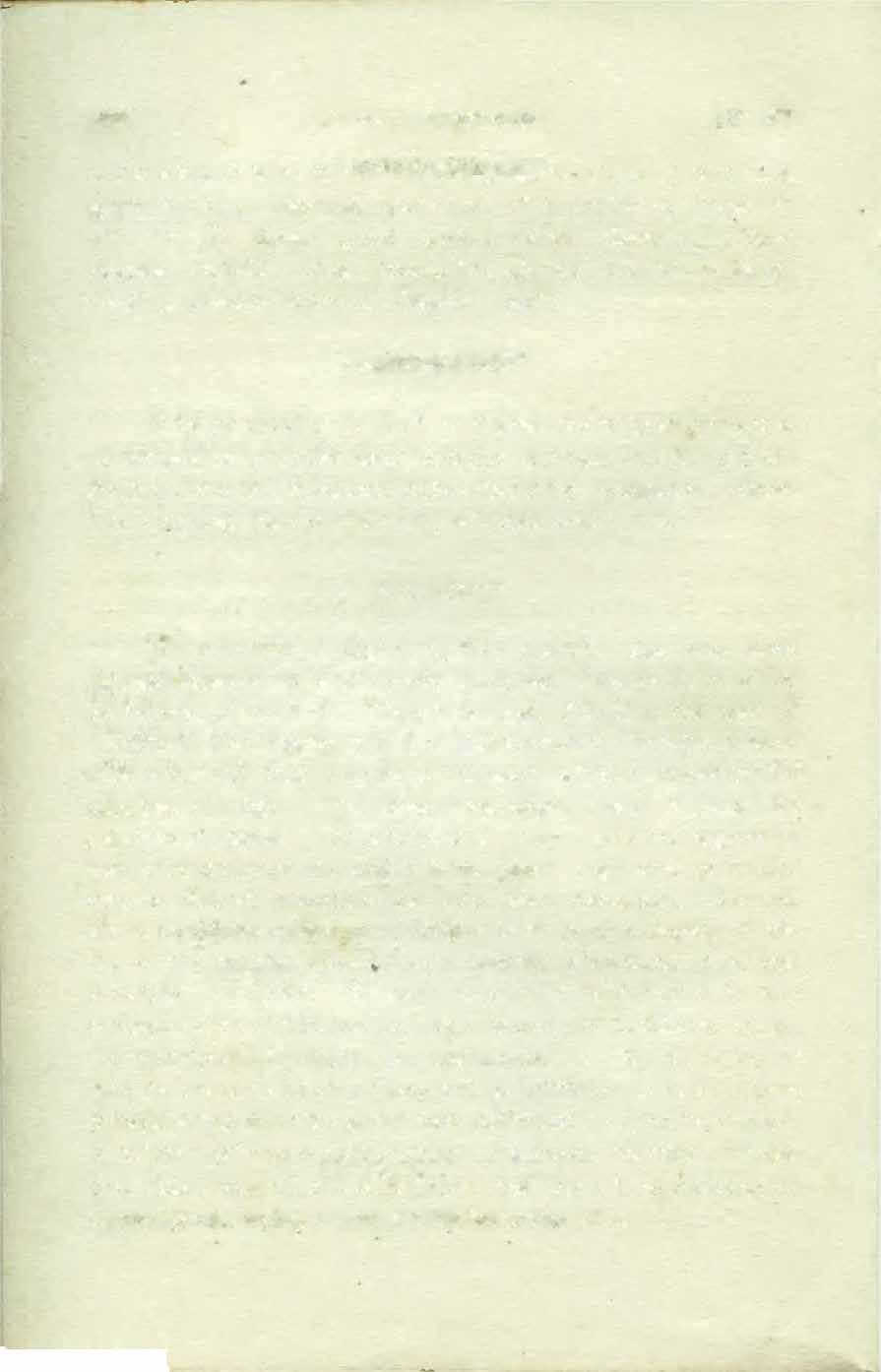
TRANSLATION
Ifthe personality of Kali or irreligiosity is allowed to act as the mangod or executive head certainly the rank and file ofirreligiosities like greed, falsehood, pilfery, incivility, renegation, misfortune, cheating, quarrel and vanity will follow all round.
PURPORT
The principles ofreligion namely austeriry, cleanliness, mercy and trutlifalness as we have already discussed, may be followed by the follower ofany faith. There is no need of turning the coat of a Hindu to Mahamedan orthat ofMahamedan to Christian or some other faith and thus become a renegade without following the principles ofreligion. The Bhagwatam religion means to follow the " principles of religion. The principles of religion are not dogmas or regulative principles ofa certain faith. Such regulative principles may be different in terms ofthe time place concerned. But one has tosee whether the aims ofreligion have been achieved. Sticking to the dogmas and formulas without attainment of the real principles, is no good. A secular state may be inpartial to any particular type offaith but the state cannot be indifferen to the the principles of religion as abovementioned. But in the age of Kali the executiveheads ofstate will be indifferent to such religions principles and therefore under their patronage the opposite numbers of religious principles namely greed. falsehood, cheating, renegation, pilfery etc. will naturaJly follow and there is no meaning for a propaganda crying to stop corruption in the state,
1054 SRIMAD BBAGWATAM [Ch. 17
TEXT NO. 33
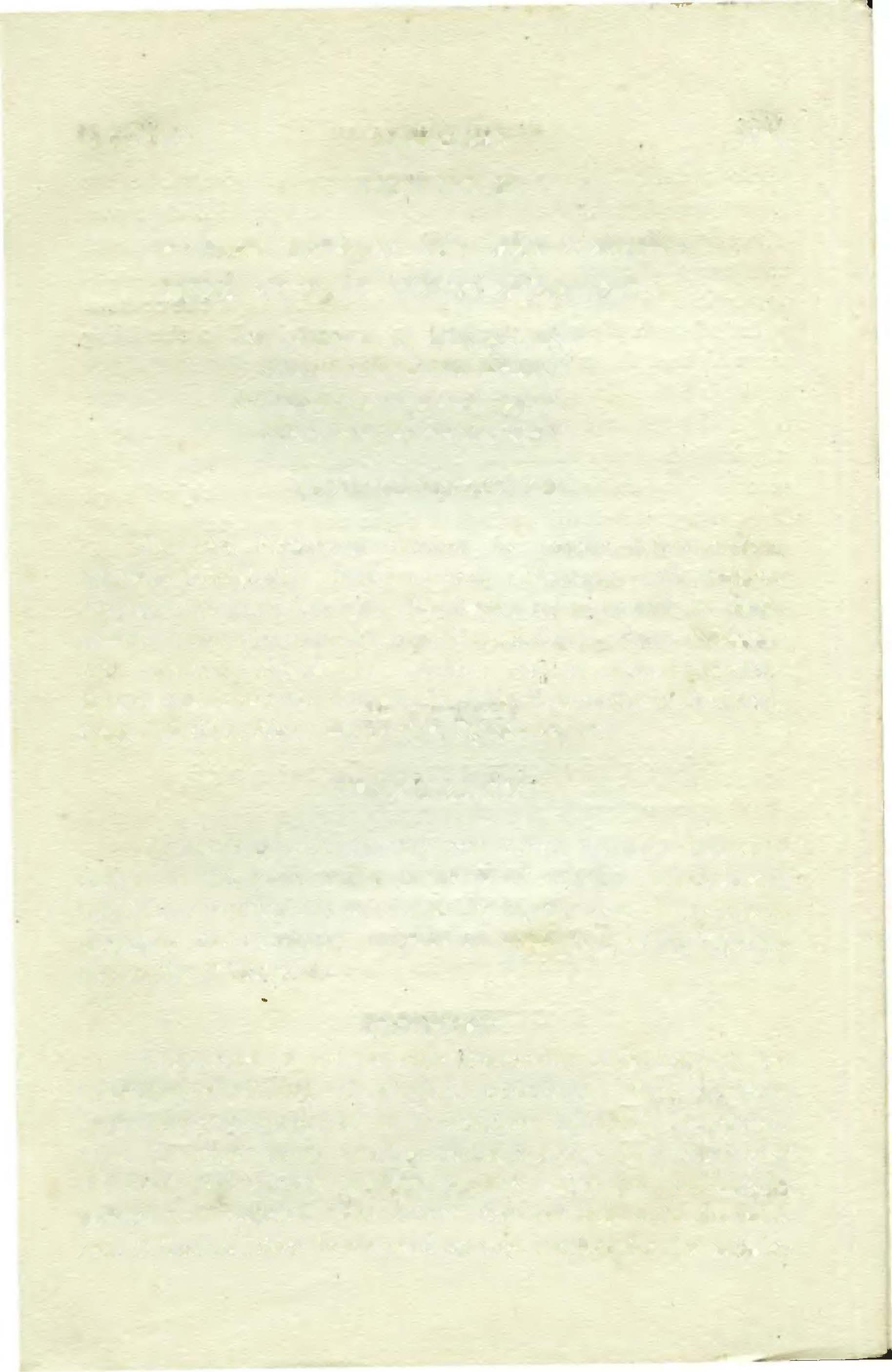
�"'faa-ali �"'��) "livt �it;;r ""'raasq.•
w�r({<f tr5ttr�f;a qiqil!ol� tr!lff�t�f�llft �
Na vartitabyam tat adharma bandho Dharmena satyenacha uartitabye. Brahmavarteyatrayajanti yajnair rajeswaram yajnavitana vijnah.
ENGLISHSYNONYMS
Na-Not, Vartital!)'am-deserve to remain, Tat-therefore, Adharma-irreligiosity, Bandho-friend, Dharmena-with religion Satyena-with truth, Cha-also, VartitaZ?Je-being:situated in, Brahma-varte-place where sacrifice is performed,ratra-where, rajantiduly perform, rajnair-by sacrifices or i devotional services, rajneswaram-unto the Supreme Lord the Personality ofGodhead, rajna-sacrifice, Vitana-spreading, Vijnah-experts.
TRANSLATION
Oh the friend ofirreligiosity you donot th�reforedeserve to remain in the place where in terms of religious principle and truthfuluess sacrifices are performed by experts who know how to propagate the sacrifiicial activities for satisfaction ofthe Supreme Personality ofGodhead. '
PURPORT
Yajneswara or the Supreme ;·Personality of Godhead is the · beneficiary of all kinds of sacrificial ceremonies. Such sacrificial ceremonies are prescribed in the scriptures differently for different ages. In other words sacrifice means to accept the supremacy of the Lord and thereby perform acts by which the Lord may be satisfied in all respects. The atheist does not believe in the exist· ence ofGod and they d'l not perform any sacrifice for the satisfac·
. Text 32-33) FBISTCANTO
1055
....
tion ofthe Lord. Anyplace or country where the supremacy ofthe Lord isaccepted and thus sacrifice isperformed is calledBrahmavarta. Thereare different countries in different parts ofthe world and each and every ofcountry may have different types ofacceptingprocess orsacrificial method for ple-esingthe Supreme Lord but thecentral point ofsuchpleasing method is ascertained in the Bhag watam and it is truthfulness. .Basic principle of rdigion is truthfulness and the ultimate goal of all religious is to satisfythe Lord. In this age of Kali the greatest common formula of sacrificial method is Samkirtan Yajna. That is the opinion ofthe experts who know how to propagate the process of Yajna. Lord Chaitanya preached this method ofYajna and it is understood from this verse ofSrimad Bhagwatam that any where and every where the sacrifiicial method of Sankirtan Yajna may be performed inorder to drive away the personality of Kali and save the human societyfrom falling a prey to the influence ofthe age.
TEXTNo_ 34

rasmin harir bhagawam ijyamana
l.Jyatma murtiryajatam sam tanoti
Kaman amoghan sthirajamgamanam
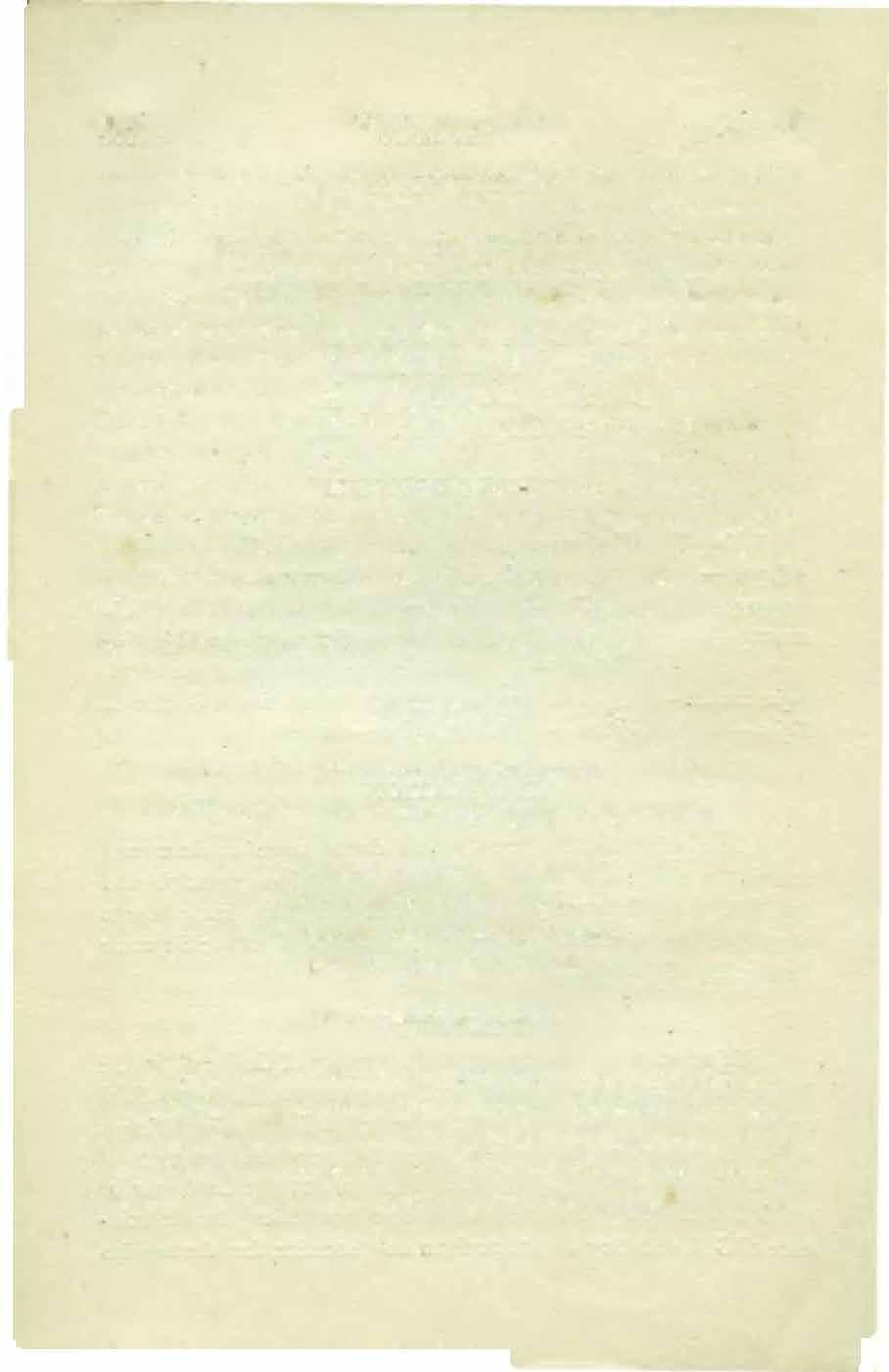
Antarvahir vayuriva esha atma.
ENGLISHSYNONYMS
Tasmin-in such sacrificial ceremonies, Harir-the Supreme Lord, Bhagwan-the Personality of Godhead, l.bamana-beingworshipped, ljyatma-the soul ofall worshipable deities, Murtir-of the forms, rajatam-those who worship, Sam-welf�re, Tanoti-spreads, Kaman-desires, Amoghan-inviolable, Sthirajamgamanam-ofail the
1056 SRIMA.DBHAGWATAM tCh.16
ll�'f1: �fnhnf'l���'" �lfJ(�'ifali3fat � ae:rlfa t �r;rr;:r;r)ttTf! ft:���rr;rAr;r;:crcif�cri�f��" !RT�r11
moving and the unmoving, Antar-within, Vahir-outside, V{!)'urair, Iva-like, Esha-of all of them,-Atma-spirit soul.

TRANSLATION
In all sacrificial ceremonies although sometim<>s some demigod is worshipped still by such sacrifice the Supreme Lord Personality of Godhead is worshipped; because He is the Supersoul of every one and exists both inside and outside like the air and thus ft is He only Who awards all welfare for the worshipper.
PURPORT
Even it is sometimes seen that demigods like Indra, Chandra etc are worshipped and offered sacrificial awards, still the rewards ofall such sacrifices are awarded to the worshipper by the Supreme Lord and it is the Lord only who can offer all welfare for the worshipper. The demigods although worshipped cannotdo anything without the sanction ofthe Lxd because the Lord is the Supersoul ofevery one both moving and non�moving.
In the Bhagwat Geeta it is confirmed in the following sloka:Tepi a'V'a devatabhaktayajante sraddhyanwita
Te api mam eva kounteyayajanti abidhipurvakam (B. G. 9/23)
The fact is that the Supreme Lord is one without a second. There is no other separate God except the Lord Himself. As such the Supreme Lord is eternally transcendental to the material creation. But there are many wh 1 worship the demigods like the Sun, Moon, Indra etc who are only material representatives of the Supreme Lord. They are in one sense or indirectly qualitative representation of the Supreme Lord, A learned scholar or a learned devotee knows who is who and therefore directly they worship the Supreme Lord without any diversion for the material qualitative representations. But those who are not so learned they worship such qualitative material representations and their worship is uncermoni· ous on account of irregular worship.
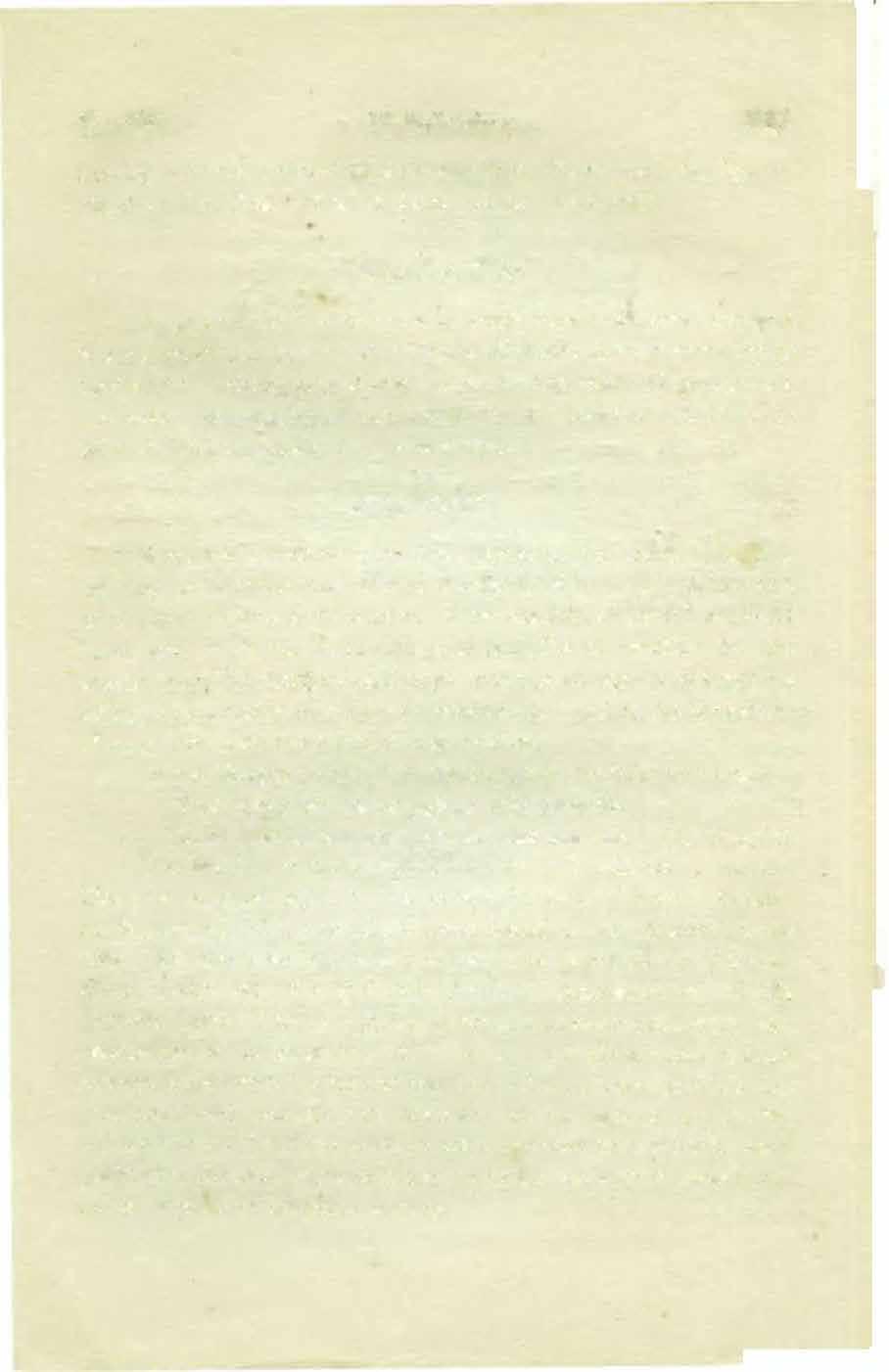
'text 34]
CANTO 1057
FIRST
•
TEXTNo. 35
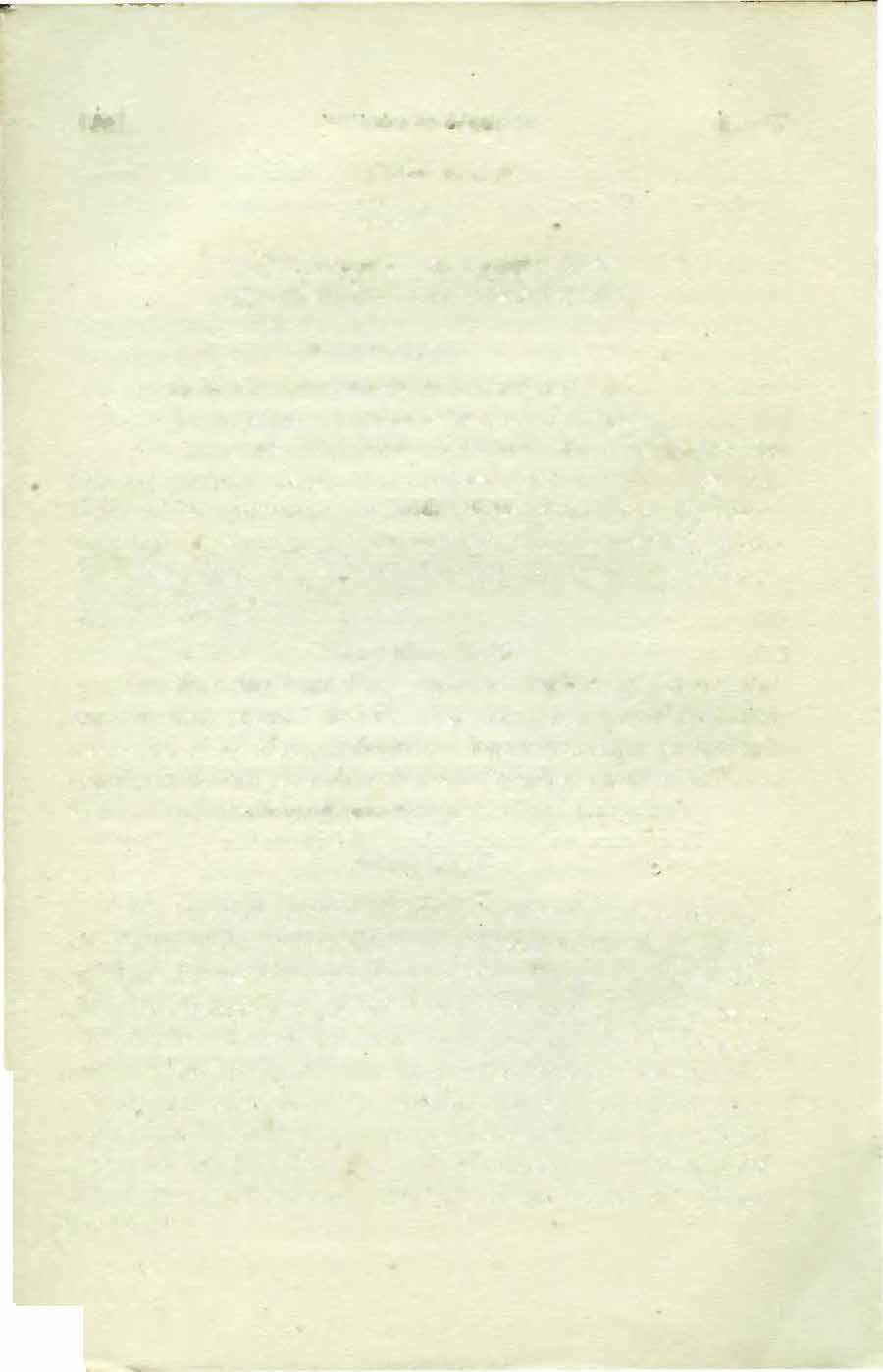
\l:o:'!err�:
�r�'lfri�fcl�: � llif\=f�faqqq: a
a�tnf�Ti' ,.,t'flfvrfircr)aa�te

Sri Suta uva.da :
Parikshitai evam adistah sa kalir jata v1pathuh
Tam udyatam asim adlhh dandapanim iva udyatam
Sri Sua uvacha-Sri Suta Goswami said, Parikshitair-by Maharaj Parikshit, Evam-thus, Adistah-being ordered, Sa-he, Kalir-of the personality of Kali, Jata-there was, Vepathutrembling, Tam-him, Udyatam-raised up, Asim-Sword, Ahasaid, !dam-thus, Dandapanim - Yamaraj the personality ofdeath, Iva-like, Uddatam -almost ready.
TRANSLATION
Sri Suta Goswami then explained before the Rishis like Sounaka and others. He said that the personality ofKali thus being ordered by Maharaj Parikslrit began to tremble in fear and seeing him like the personality ofdeath Yamaraj ready to kill him, Kali said unto the king as follows :
PURPORT
The king was ready to kill him atonce as soon as the personality ofKali would disobey his order. Otherwise the king had no objection to allow him prolonging his life. The personality ofKali also, after attempting to get rid of the punishment in varions ways, decided it that he must surrender unto him and thus he began to tremble infearofhis life. The king or the executive head must be so strung a� tostan·ibeforetheper�onality of K�li as if thepers:malityofdeathYamaraj. The kingsorder must beobeyed otherwisethe culprits life is in risk. That isthe way ofrulingoverthe personalities of Kali who would create distrurbance in the normal life of the state citizens.
1058 SRIMAD BiiAGWA.TA.M
[Ch 17
TEXT No. 36
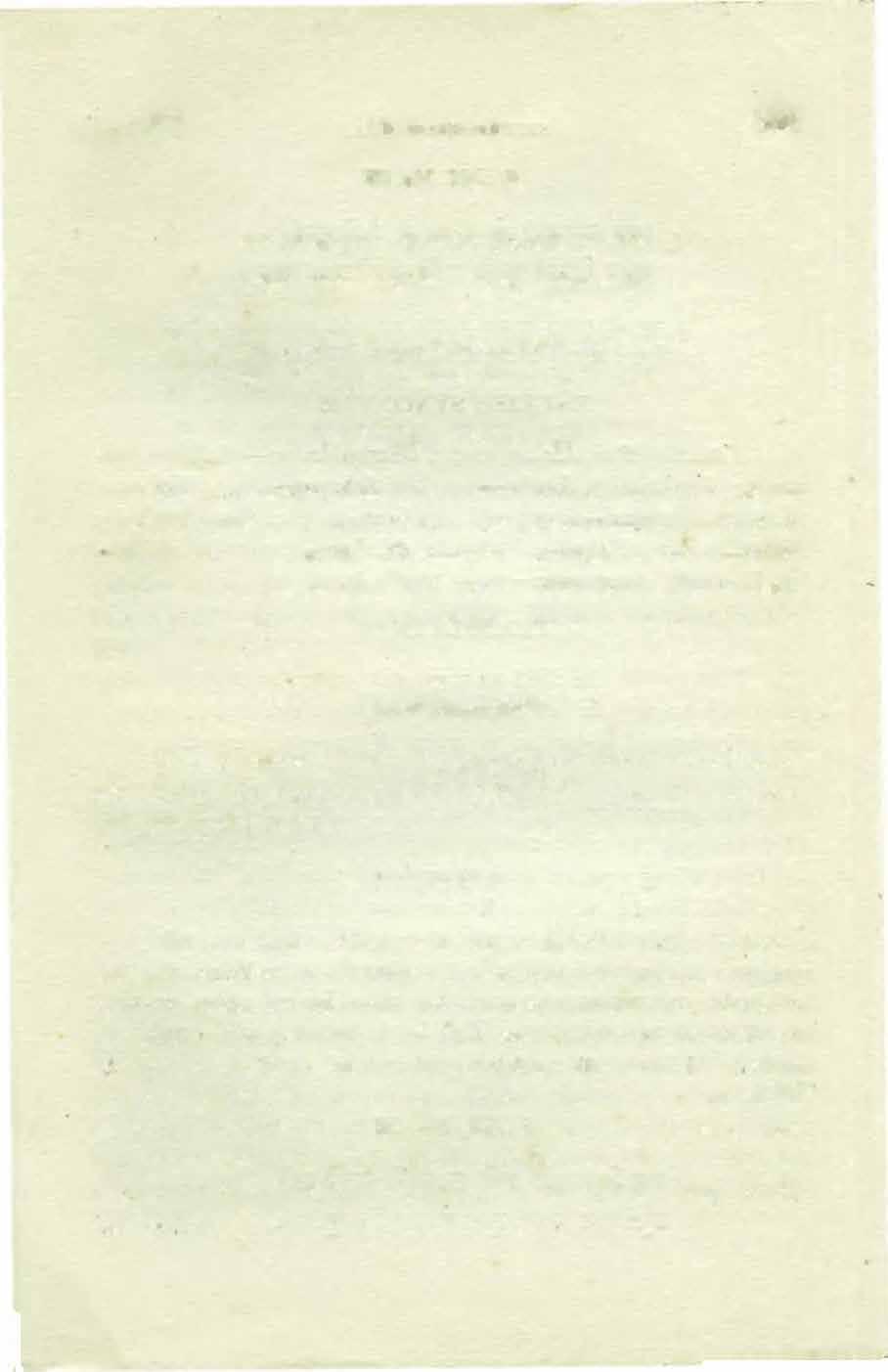
lf� cwararr av:r ern�qTfq "nht1'1 acnitl.fT a �ri a� �Tfq �crT'f1t8J��T�;:r'! I l

Yatra kwa va atka vatsyami sarvabhouma taba a1naya
Lakshaye tatra tatra api twam atta isu sarasanam,
ENGLISH SYNONYMS
Tatra-anywhere, Kwa-and every where, Va-either, Atkathereof, Vatsami- I shall reside, Sarvabhouma-oh the Lord or emperor of the earth, Tavo-your, Ajnl!)'a-by the order, Lakshaye-I see, tatra-there an d there, Api-also, Twam-your majesty, Atta-taken over, lsu-arrow, Sarasanam-place on the bow.
TRANSLATION
Oh your majesty, I may liveanywhere andeverywhere under your order but there and there I ·shall have to see you with bow and arrows as 1 can see.
PURPORT
The personality of Kali could see it that Maharaj Parikshit was the emperor of all lands all over the world and as such anywhere he might live he would have to meet withthe same mood of the king. The personality of Kali was meant for mischief and �\aharaj Parikshitwas meant for subduing al l kinds of m;schief mongers specially the personality of Kali. Itwas better therefore, for the personality of Kali to have become killed by the king then and there instead of being killed anywhere else. He was after all a surrendered soul before the king and it was with the king to do the needful.
]
Text 36
FIBST CANTO
1059
TEXT No. 37
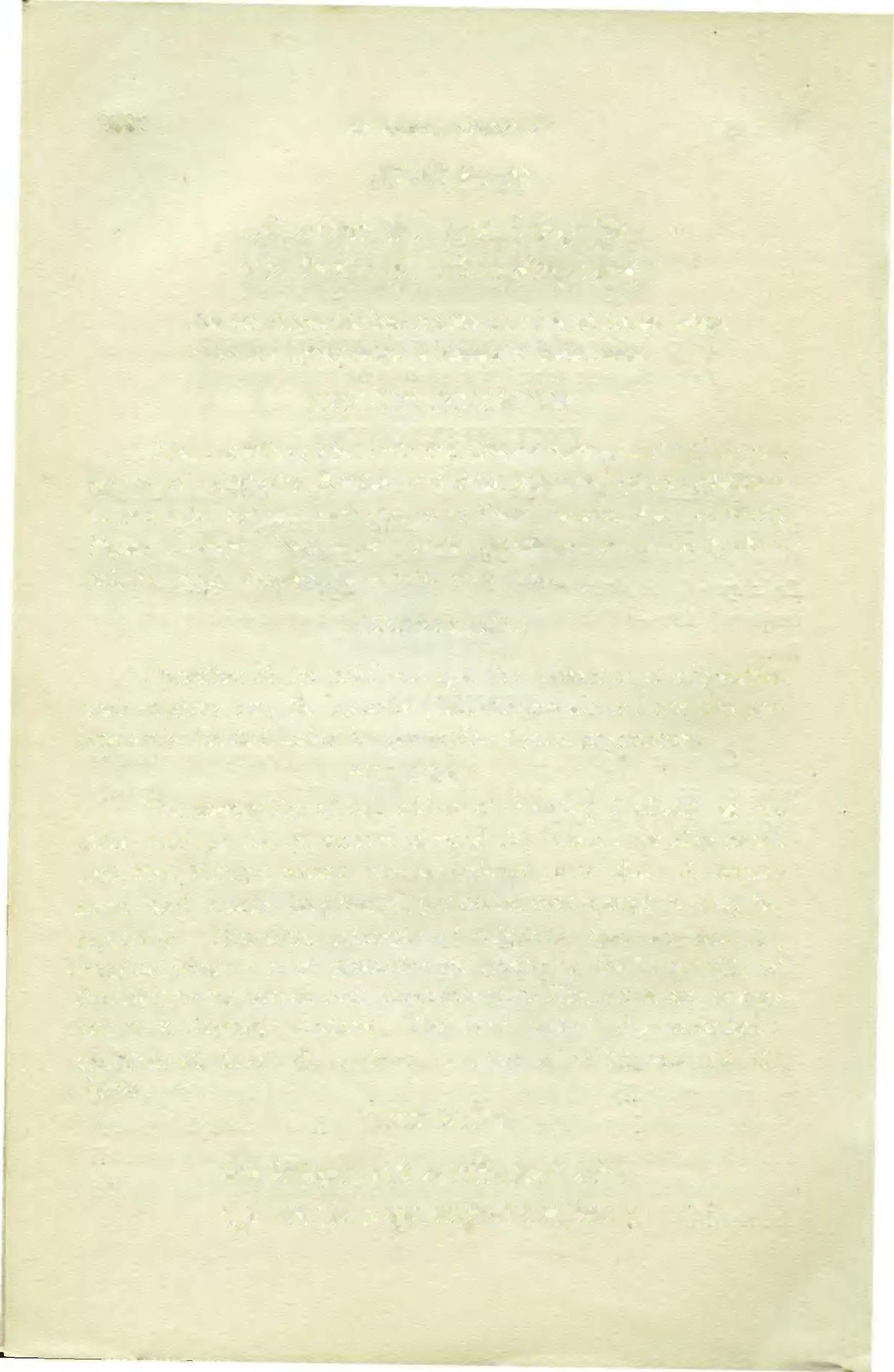
Tat me dharmabhritam srestha sthanam nirdestum arhasi ratra eva niyato vatsve atisthams te anusasanam.
ENGLISHSYNONYMS
Tat-therefore, Me-unto .me, Dharmabhritam-of aU the protectors of religiosity, Srestha-the chief, Sthanam-place, .Nirdestum· to ascertain, Arhasi-may you do so, Tatra-where, Eva-certainly, .Niyato-·dways, Vat.rye-can reside, Atisthams-permanenily situated, Te-your, Anusasanam-under your rule.
TRANSLATION
Therefore oh the chief amongst the protector ofreligiosities, your majesty may fix up some places for me where I can live permanently situated under the protection ofyour government.
PORPORT
The personality ofKali addressed Maharaj Parikshit as the chief amongst the protectors ofreligiosity because the king refrained from killing a person who surrendered unto him. A surrendered soul should be given all protection even though he may be an enemy. Thatis the principle of religion. And we can just imagine what sort of protectioa is given by the Personality of Godhead to the person who surrenders unto Him not as an enemy but as a devoted servitors. The Lord protects the surrendered soul from all sins or all resultant reactions of sinful acts. (B. G. 18/64}
1060 SRIMAD BHAGWATAM
a;:� 'i:Tq�af lfl.sa- ��1;:i f;:ri'.s���f� ' lf�Cf f;:rtra) Cf��i\' 'Jlf�� ��Sl�T{{t:f'! I'
L........_____
No. 38 ait�f"faloqT at=q����tf;:r efl�i\''{�'l ' U"tfq"(� f�'$1�: �t:ITlf��l:l'ff��§fer�:It
TEXT
Ahlryarthitar tada tasmai sthananik alaye dadotl Dyutam panam striyah sunayatra adhamass chaturbidhah.
ENGLISH SYNONYMS
Abhyarthitas-tbus being prayed for, Tada-at that time, Tas· mai-unto him, Sthanani-places, Kalaye-unto the personality of Kali, Dadou-gave him permission, Dyutam-gambling, Panamdrinking, Striyah-illicit association of woman, Suna-killi'1g of living beings, Tatra-wherever, Adharma-irreligiositie3, Chaturbi· dhah -four kinds cf.
TRANSLATION
Suta Goswami said, "Maharaj Parikshit, thus being prayed for by the personality of Kali, gave him permission to reside in four different places where gambling, drinking, prostitution and slaughtering ofanimals performed respectively."
PURPORT
The basic principles of irreligiosities such as pride, prositution, intoxication and falsehood respective�yc'lunteracts the fourprinciples of religiosities namely austerity, cleanline<;�, mercy a1dtruthfulness, the Personality of Kaliwas given permissmn to live in four place;; particularly mentioned by the king namely the place of gambling, the place ofprostitution, the place of drinking anp the place of slaughtering the anim�ls.
SrilaJiba Goswami directs that drinking against th� prir1ciples ofscriptures such as Soutramani yajna etc, association with woman ex• cept the rnarried one, killing ofanimals against injunction ofscripture, are irreligious. In the Vedas two different types of i njunctions are there for the Pravittas or those who are engaged in the matter of material enjoyment and for the Nrivittas or those who are engaged in the matter of liberation from material bondage. TneVedic injuctioq for the Pravittas aTe to regularise their activities towards

• Text 36] FIRST CANTO 1061
1
the path of liberation by gradual process. Therefore, for the persons who are in the lowest stage of ignorance and indulge in the matter of wine, woman and flesh;for them drinking by performing Sroutamani yajna, association of woman by marriage and flesh eating by sacrifices are sometimes recommended. But such recommendations in the Vedic literature are meant for a particular class of men and not for all. But because they are injuctions of the Vedas for such particular type of persons such activities by the Pravittas are not considered Adharma. One man's food may be poison for other; similarly what is recommended for the persons in the modes of ignorance maybe poison for the persons in the modes of goodness. Srila Jiva Goswami Prabhu, therefore, affirms that recommendations of the scripture<;, for a certain class ofmen, are never to be considered as Adharma"or irriligion . But such activities are factually Adharma and they are never meant for being encouraged. The recommendation in the Scriptures are not meant for encouragement ofsuch Adhar· mas but they are meant for regularising the necessary Adharmas gradua1ly towards the path of Dharma.
Following the foot prints of Maharaj Parikshit, it is the duty ofall executive heads of states to see that the principles of religiosttie'l namely austerity, cleanliness, mercy and truthfulness be established in the state and the principles of irreligiosities namely pride, illicit womanly association or prostitution,intoxicationand falsity bechecked by all means. And to make the best use of a bad bargain the personality of Kali may be transferred to places of gambling, drinki ng, prostitution and slaughter houses if there is any place likethat. Those who areaddicted to these irrdigioos habit may be regularised by the injunctions of the Scripture for restraining them and in all circumstances they may not be encouraged by any state. In other words the state should categoricallystop all sorts of gambling, drinking, prostituti on and fa]sity as a matter offact. On the contrary the state which wants to eradicate corruption by majority may introduce the principles of religiosity in the following manner ;

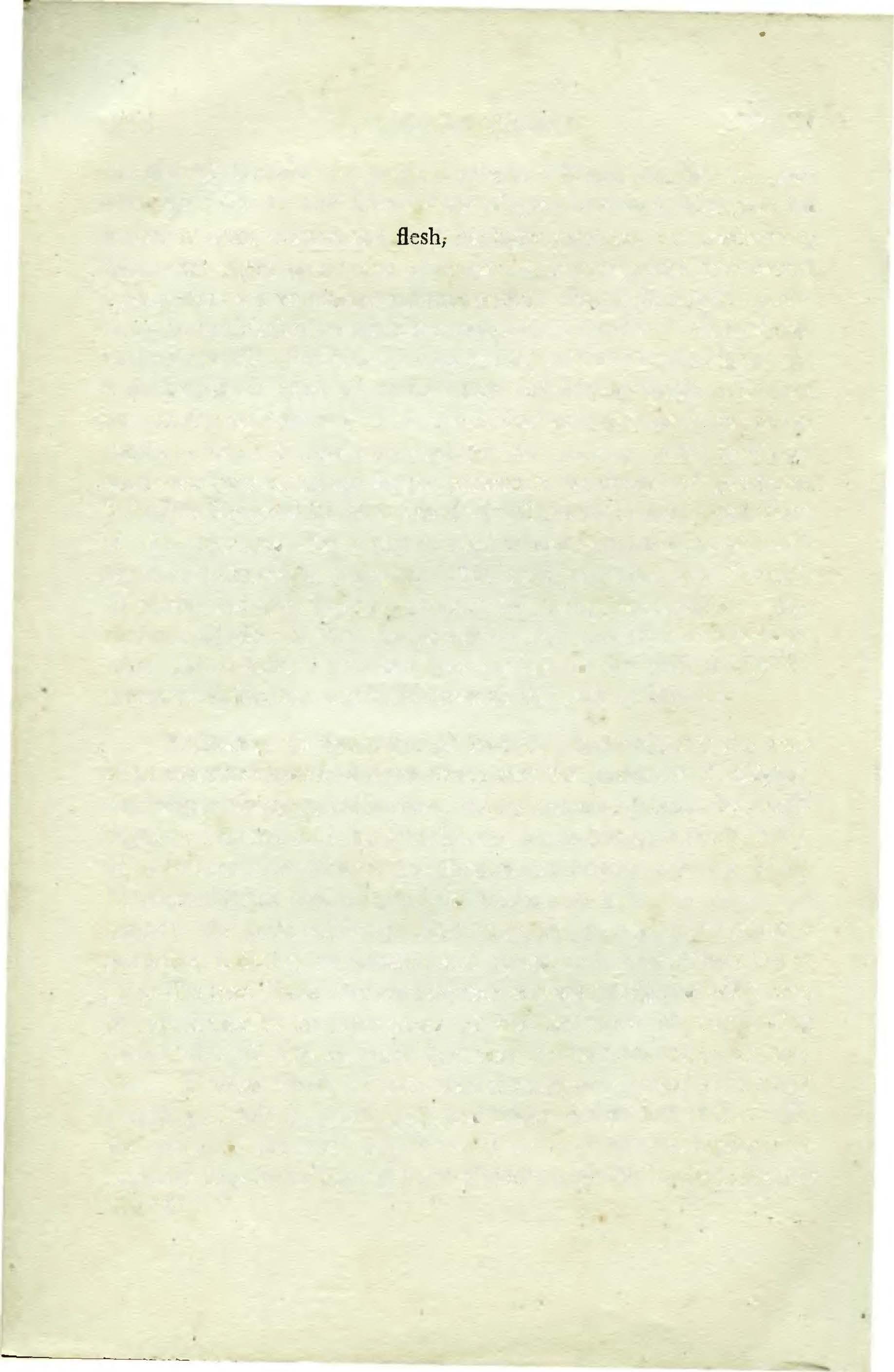
1062
SRIMAD BH.AGWATAM (Ch. 17
1. Two compulsory fasting days in a month ifnot more (austerity). Even from economic point ofview such two fasting days in a month in the state will save tons of food grains and the system will act very favourably on the general health ofthe citizens also.

2. There must be compulsory marriage ofyoung boys and girls attaining 24 years of age and 16 years ofage respectively. There is no harm of co-education in the schools and colleges provided the boys and the girls are duly married and in case there is any intimate connection between a male and female student they may be married properly without allowing them for any illicit relation. rhe divorce act is encouraging prostitution and this should be abolished.
3. The citizens of the state must give in charity up to 50% oftheir income for the purpose ofcreating spiritual atmosphereinthe stateor in the human society both individually and collectively. Preaching of tlH: principles of Bhagwatam by (a) Karmayoga or doing everything for the satisfaction ofthe Lord (b} regular hearing ofthe Srimad Bhagwatam from authorised persons or realised souls (c)j Chanting ofthe glories of the Lord congregationally at home or at places ofworship (d) rendering ofall kinds of service to person Bhagwatas engaged in the matter ofpreaching Srimad Bhagwatam (e) and residing in a place where . the atmosphere is saturated with god-consciousness. Ifthe state is regularised by the above process, naturally there will be god-Consciousness everywhere.
Gambling ofall description even speculative business enterprises are considered to be gambling and by encouraging this gambling in the state there is complete disappearance oftruthfull• ness. Allowing young boys and girls to remainr unmauied more than the abovementioned ages and licence for animal slaughter houses of all description shall be at once closed. The flesh-eaters may be allowed totake flesh as they are mentioned in the scriptures and not otherwise; as by purchasing from the market and thus
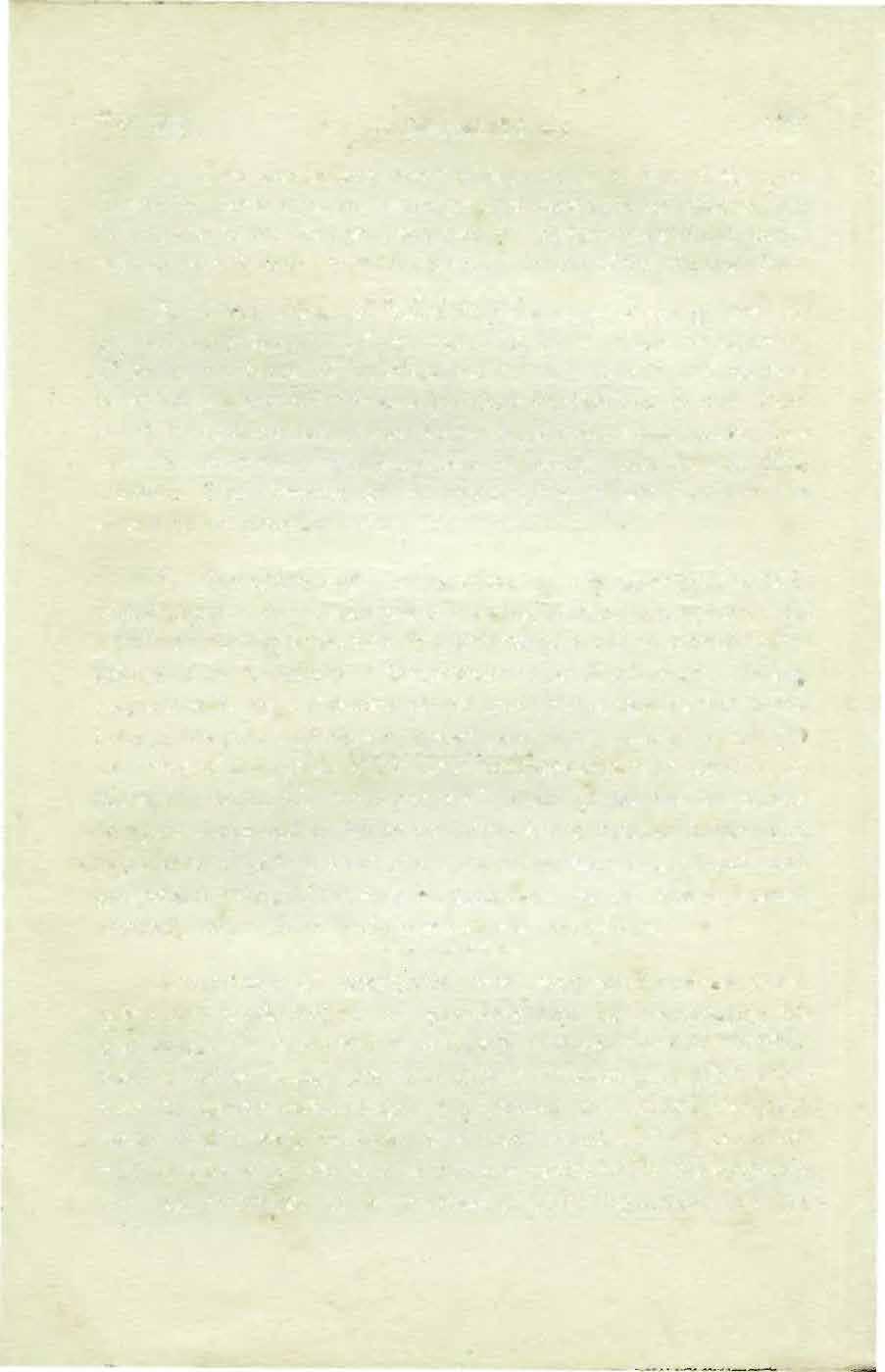
Text. 38] FffiST CANTO 1063
encourage unrestricted flesh-eating strictly be stopped. Intoxication habit of all description even smoking of Bidis and cigarettes chewingof pan or drinking tea, must be prohibited.
TEXT N0. 39
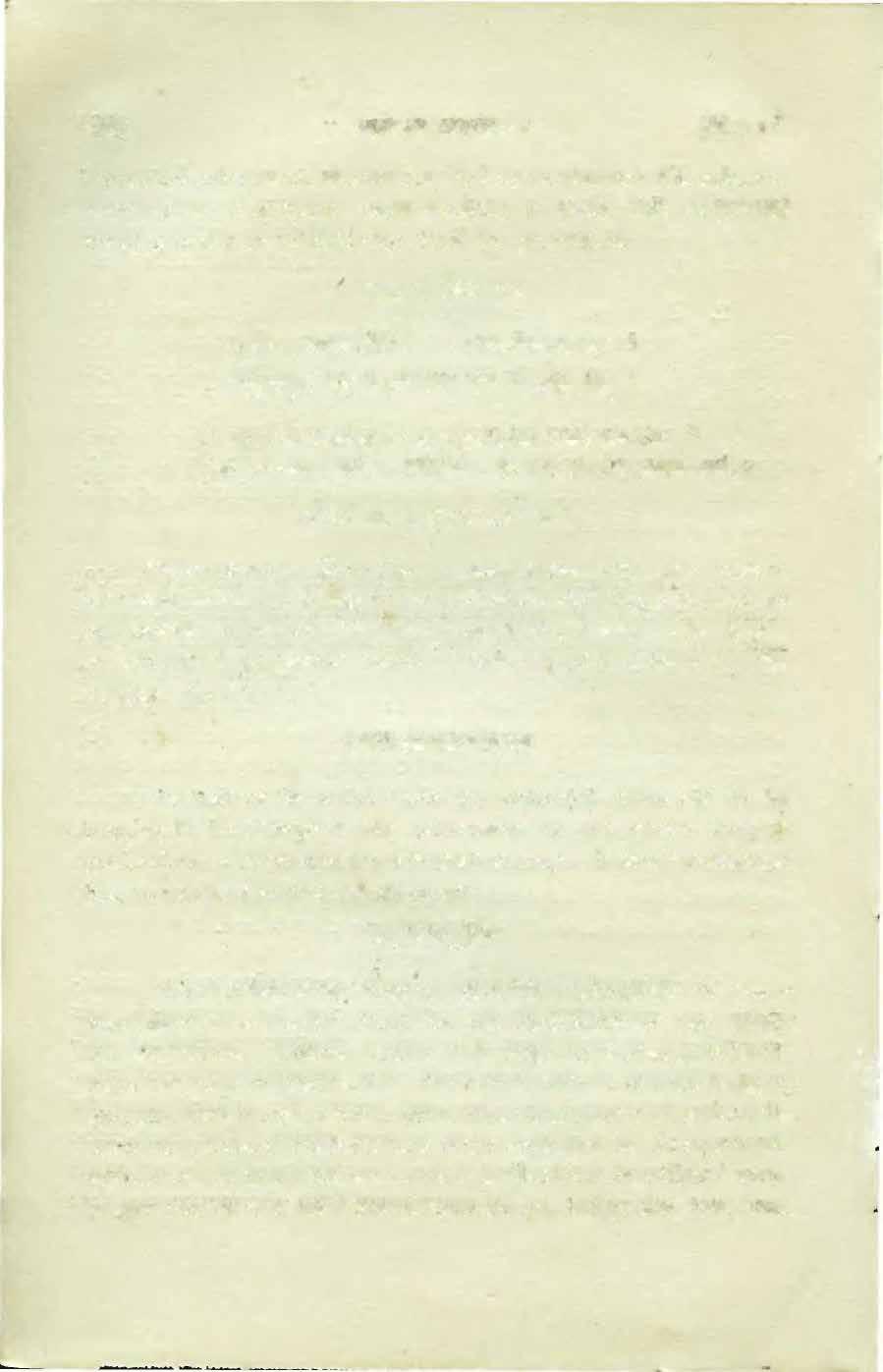
� trf;!fq"tiftlf \llla.q'qqlfsr�: •
aa)St:{a q� qst;f1:�) �� ..-qs:i(�q •1

Punas chayachamanayajatarupam adat pra!Jhu
Tato anritam madam kamam rajo vairam chapanchamam.
ENGLISH SYNONYMS
Punas-again, Cha-also, Tachamanaya-unto the beggar, Jatarupam-Goid,Adat-gave away, Prabhu-the king, Tato-where by, Anritam -ialsehood, Madam-intoxication, Kamam-lust, Rajoonaccountoipassionate mood, Vairam-enmity, Cha-also, Panchamam-the fifth one.
TRANSLATION
The personality of Kali asked for something more and on his begging so the King gave him permission to live where there is gold. Because wherever there is gold there are falsity, intoxication, lust, enviousness and at last all enmity.
PURPORT
Altrwugh l\tfaharaJ.Parikshit gave Kali permiSSIOn to live in [i)ur places,it was very difficult for the personality of Kali to find outt!leplaces. Be cause during the reign ofMaharaj Parikshit t.here vvasnosuch p lace at all. Therefore Kali asked the king to gJ.V\."himsomething practical wl1ichmay be utilised for his nefarious pur poses. Maharaj Parikshit thm being requested by him gave permis·iontolivein a place where there is gold because whereverthere is gold there are all the abovementioned four things and over and
1064 SRIMAD BHAOWATAM tCh. 17
4
'
�
l1' _j
above them there is enmity also. So the personality of Kal i became gold standardised. According to Srimad B hagwatam stocking of gold anywhere meansencouraging falsity, intoxication, prostitution enviousness, and enmity. Ev,�n gald·standard exchange and currency is bad. Gold standard currency is based on falsehood because currency is not on the par ofthe reserved gold. The basic principle is falsity because currency notes are issued more in va lue than the actual reserved gold. This artificial inflation ofcurrency by the authorities encourages prostitution of st ate economy. Price of consumers Commodity becomes artificially infla ted on account of bad money or artificial currencynotes. Bad money drives away good money is an economical law. Instead of paper currency actual gold coins should be used forexchange and this will stopprostitution of gold. Gold ornaments for women may be allowed by control not by quality but by quantity. This will discourage lust, enviousness and enmity. When there is actual gold currency in the form ofcoins, the influence ofgold for producing falsity, prostitution etc. will automatically cease and there will be no need of anticorrup tion ministry for another term of prosti tu ti on and falsity of purpose.
TEXTN0. 40
�'!f� qs::;;r tqr;:rtf;::r �qifsr�({:Cflf�: 1

�,.��itGJ({:�nf;r ;ttqij'�fir��illla 1'
Amuni pancha sthanani hi adharmai prabhavah kalih Outtareyena dattani nyavasat tat nidesakrit.

ENGLISH SYNONYMS
Amuni-all those, Pancha-tive, Sthanani--places, Hi-certainly, Adharma-irreligious principles, Prabhavah-encouraging, Kali-the age of Kali, Outtareyena-by the son of Uttara, Dattani-delivered by, Nyavasat-dwelt, Tat-by him, Nidesakrit-direeted by.
Text.40) FffiSTCANTO 1085
c.'
1066 SRIMAD BHAGWATAM (Ch. 17 TRANSLATION

As such the personality of Kali was allowed by the direction of King Maharaj Parikshit the SJn of Uttara, to live in those five plaees as described above.
PURPORT
Thus the age of Kali began with gold standardisation and therefore falsity, intoxication, animal slaughter and prostitution are rampant c:�.llover the world and the saner section is eager to drive out corruption fn.m all over the wored. The counter_ acting process is suggested above and everyone can take advantage of the suggestion.
TEXTNO41


Atha etani na seveta vubhusuhpurusahkwachit Visesato dharmaseelo raja lokapatir guruh.
ENGLISH SYNONYMS
Atka-therefore, Etani-all these, Na- never, Seveta-come m contact, Vuhhuush -those who desire well being, Pumshahperson, Kwachit-in any circustances, Visesato-specifically, Dharrnaseelo-those who are on the progressive path ofliberation, Raja-the king, Lokapatir-public leader, Guruh-the Brahmins and the Sanyasins
TRANSLATION
Therefore any one who desires progressively well being of oneself, must not be in contact with the abovementioned four irreligiosities and specially the king, the religionists, the public
��o-Tf'l ;:r �?)ey !�!: ��Iii': ct�f� ' fern'tater��)�) '(TiifT ���Q:fa�fliT
u
--------·
leaders and the Brahmins and Sanyasins are forbidden to do this.
PURPORT

The Brahminis the religious preceeptor for all other castes and the Sanysins arr the spiritual masters for all the castes and orders of society. As such they are very responsible personages in the society. So also is the king and the public leader who are responsible for the material wt"lfare (Jf all people. The progressive religionists and the one who is a responsible human being or one who does not want to spoil his valuable human life, all should refrain from all the above mentioned principles of irreligiosities and speciallyfrom the i11icit connection of woman. If a Brahmin is not trnthful all hisclaim for tht> position of Brahmin at mce become nulland void. If a Sanyasi is illicitly connected with women all his claim for the honour of a sannyasi atonce become a perjury. Similarly if the king and the public leader are unnecessarily proud or habituated to drinking and smoking certainly they become disqualified in the matter of discharging public welfare activities. Truthfulness being the basic princihle -for all recligiosities . the four leaders of the human society namely the Sannyasi, the Brahmin, the king and the public leader must be t<>sted crucially by their characte!;' and qualification. Before accepting one as the spiritual or material masters of the mciety, he must be tested by the above mentioned criterions of factual character. Such public leaders may be less qualified in academic educational qualifications but it is necessary primarily that they should be fuefrom the contamination o:·the above mentioned four kinds of di,qualifications name· ' ly gambling, drinkiJ·,g, pro�titution and animal slaughtering.
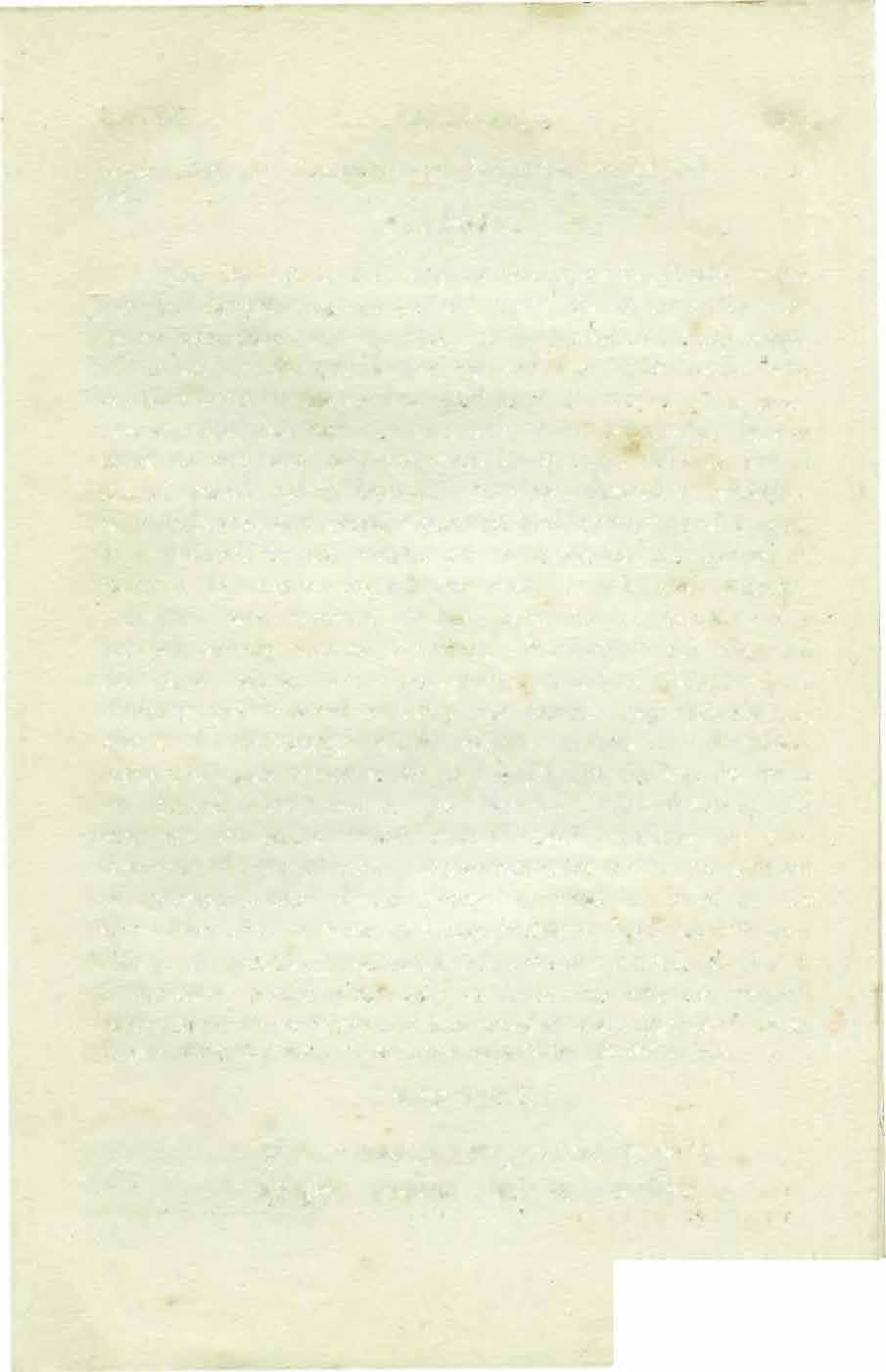
Text42] FIRST CANTO 1067
TEXT
;J"ft'f t=tts!i�srrif qrcrrif aq:�'l� �trtf'ffa t .. .... ... $lfa�h�� 'elt�cn�tr �rf!1 � �'fe(�tl� ''
No 4l
(Ch.17
Vrisa.rya nastans trin padan tapah soucham dayam iti Pratisandadha aswasya mahim cha samavardhyat.
ENGLISH SYNONYMS
Vrisa.rya-of the bull (th� personality ofrdigiosity) Nastanslost, Trin-three, Padan-legs, Tapah-austt·rity, Soucham-Cleanliness, Dayam-mercy, lti-etc, Pratisandadha-re-establishecl, Aswa.rya-by encouraging acts, Mahim-the earth, Samavardhyat-per� fectly improved,
TRANSLATION
Thereafter the King re-established the lost legs of the personality ofreligiosity (the bull) and by encouraging activities, he suffi. ciently improved the condition of the earth.
PURPORT
By designating particulas places for the personality of Kali, Maharaj Parikshit practically cheated the Kali. By the presence of Kali, Dharma (in tht> shape ofa bull) and the Earth (in the shape of a cow), he could actually estimate the general condition ofhis kingdom and therefore he at once took proper steps for restablish· ing the legs of the bull namely austerity, cleanliness and mercy. And for the general benefit ofthe condition of the people of the world he saw it that the gold stock may be employed in the service of the stabilisation propaganda. Gold is certainly generating power-house for falsity, intoxication, prostitution, enmity and voilence; but under the guidance of a proper king or public leader or the Brahmin or a Sannyasi, the same gold could be pruperly utilised in the matter ofre-establishing the lost legs of the personality ofreligion the bull.
l\Jaharaj Parikshit therefore like his grand father Arjuna collected all illicitgoldkeptfortre propensitiesofKali andemployed them in the Samkirtan'l'ajna asper instruction ofthe Srimad Bhagwatam. As we have suggested before that one's accumulatedwealth
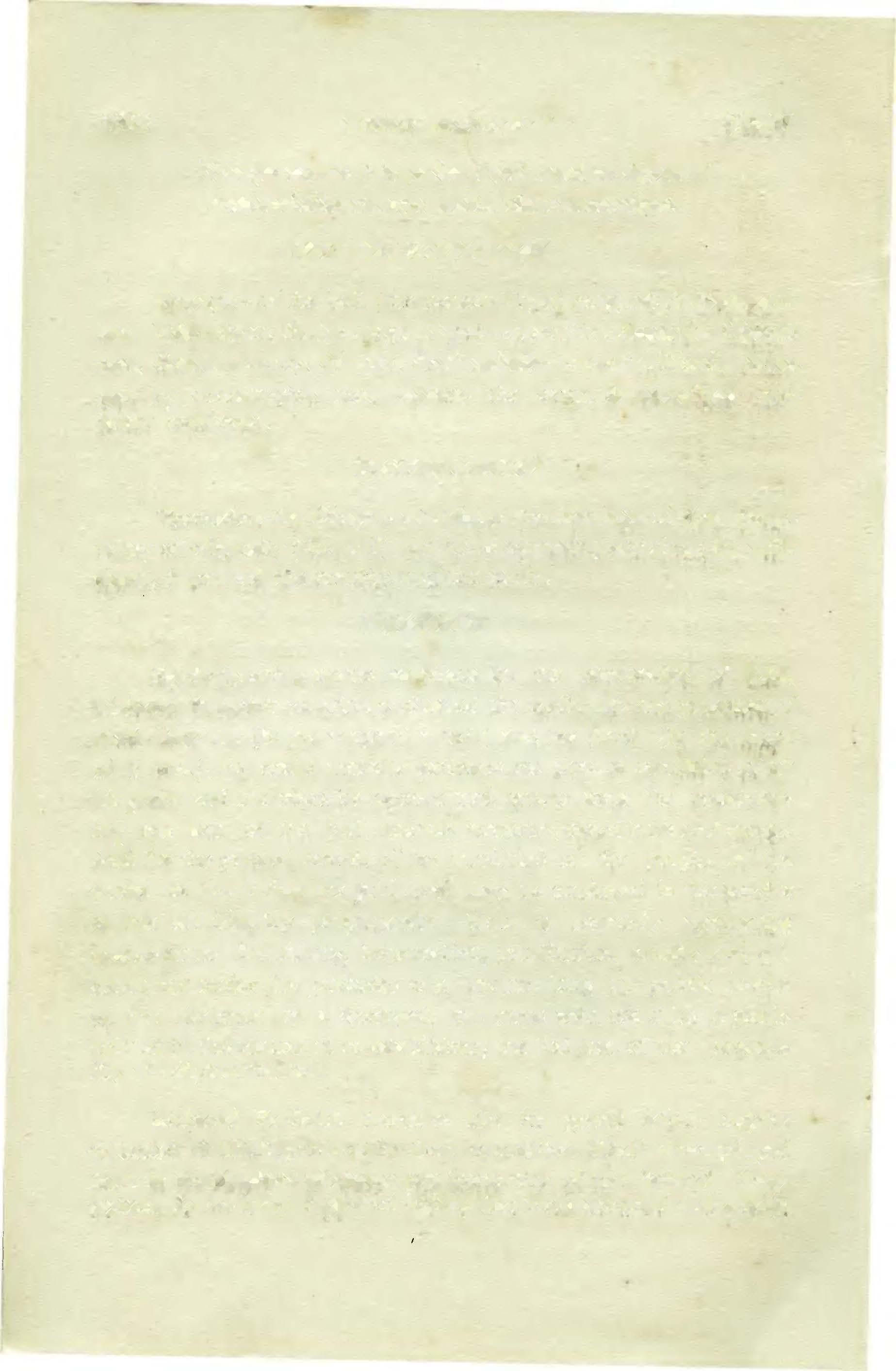
1068 SRIM.AD BH.AGWA.TA.M
may be divided in three parts for distribution namely 50% for the service of the Lord, 25% for the family members and 25% for personal necessities. Spending 50% for the service of the Lord or for propagation of spiritual knowldge in the society in the matter ofSamkirtan Yajna is the the maximumproportion ofdisplaying human mercy. People of the world are generally in the darkness of spiritual knowledge, specially in the matter ofdevotional service of the Lord, and therefore to propagate a systematic knowledge transcendental ofdevotional service, is the greatest amount of mercy that one can show in this world. When every one is tought to sacrifice 50% ofhis accumulated gold in the matter of the Lord's service, certainly austerity, cleanliness and mercy automatically ensue and thus the lost three legs ofthe personality ofreligiosity the bull are automatically established. When there is sufficient propaganda ofreligiosities namely austerity, cleanliness, mercy and truthfulness naturally mother earth is completely satisfied and there is very little chance left for the Kali to infiltrate within the sound structure ofhuman society.
TEXT No. 43 &44
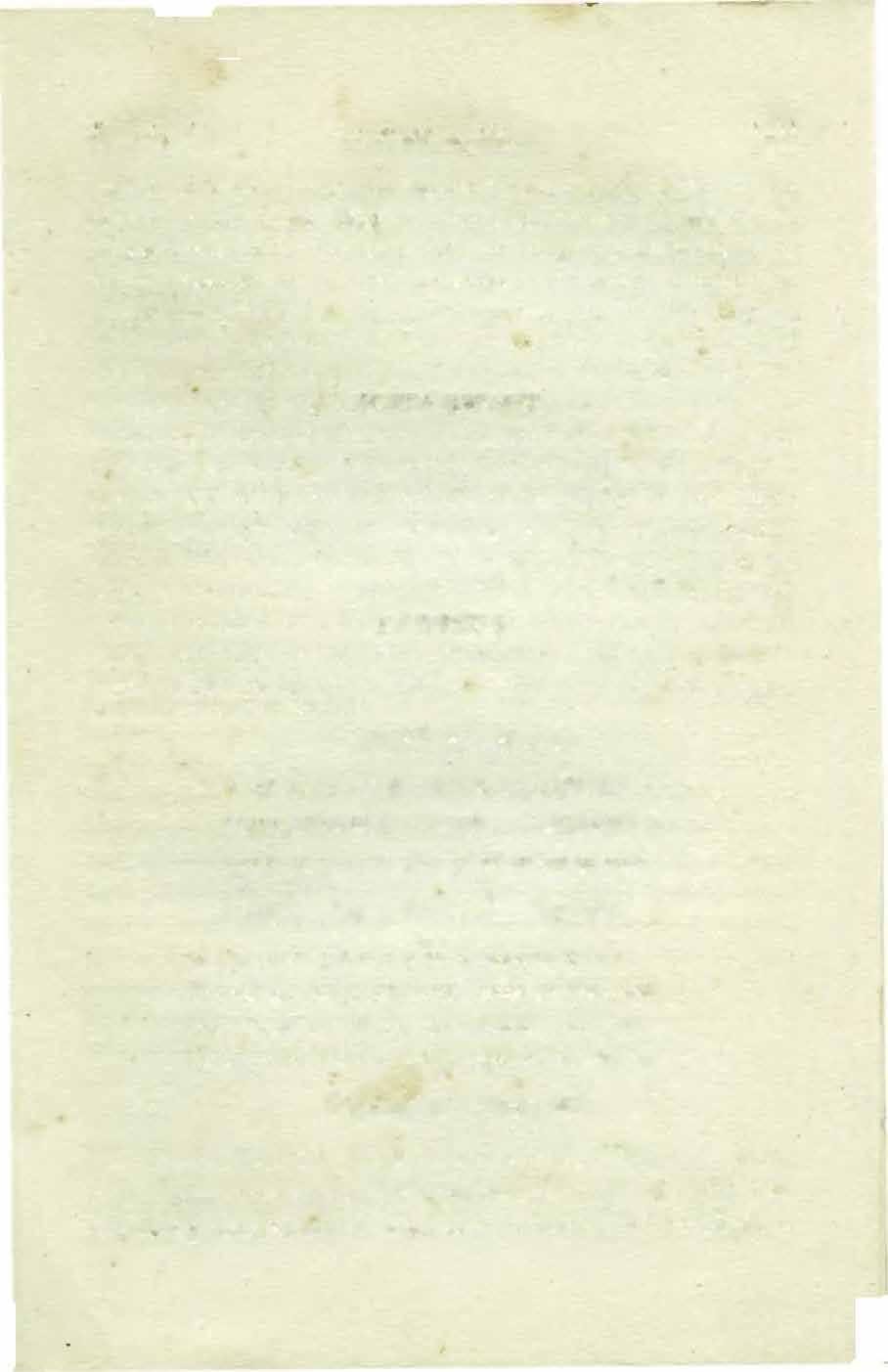
fl �Iii' qa�"�"''a�,«.;"'f"�)f�alf. • ftta"11!f�'l)q;l:Ra 'Ui�T�Otjf�fC(�(fT U �mr�T � "UQ�flil' CfiT�iifl!.llf�� t lfll�Qq�Tilt�i:f�Cfa1i!���n: t'


Sa esa etarhi adhyasta asanam parthivochitam
Pitamohena upanyastam rajna aranyam vivikshata.
Aste adhuna sa rajarshih kourevendra sriot lasan, Gjahvaye mahahhagas chakra varti vrihachhavah.
ENGLISH SYNONYMS
Sa-he, Esa-this, Etarhi-at the present, Adqyasta-is ruling over, Asanam-the throne, Parthivochitam-just befitting a king, Pita· mohena-by the granfathaer, Upaty1asta-being handed over, Rajna-

Text 43, 44)
1069
FIRST CANTO
by the king, Aranjam-forest, Vivikshatam-desiring for, Aste-is there, Adhuna-at present, Sa-that, S.ajarshih-the sage amongst the kings, Kouravendra--the chiefamongst the Kuru-king•;, Sriot-glories, Lasan-spreading over, Gajvhaye-in the Hastinapur, Mahahhagas-the most fortunate, Chakravarty-the emperor, VrichhavahighJy famous.

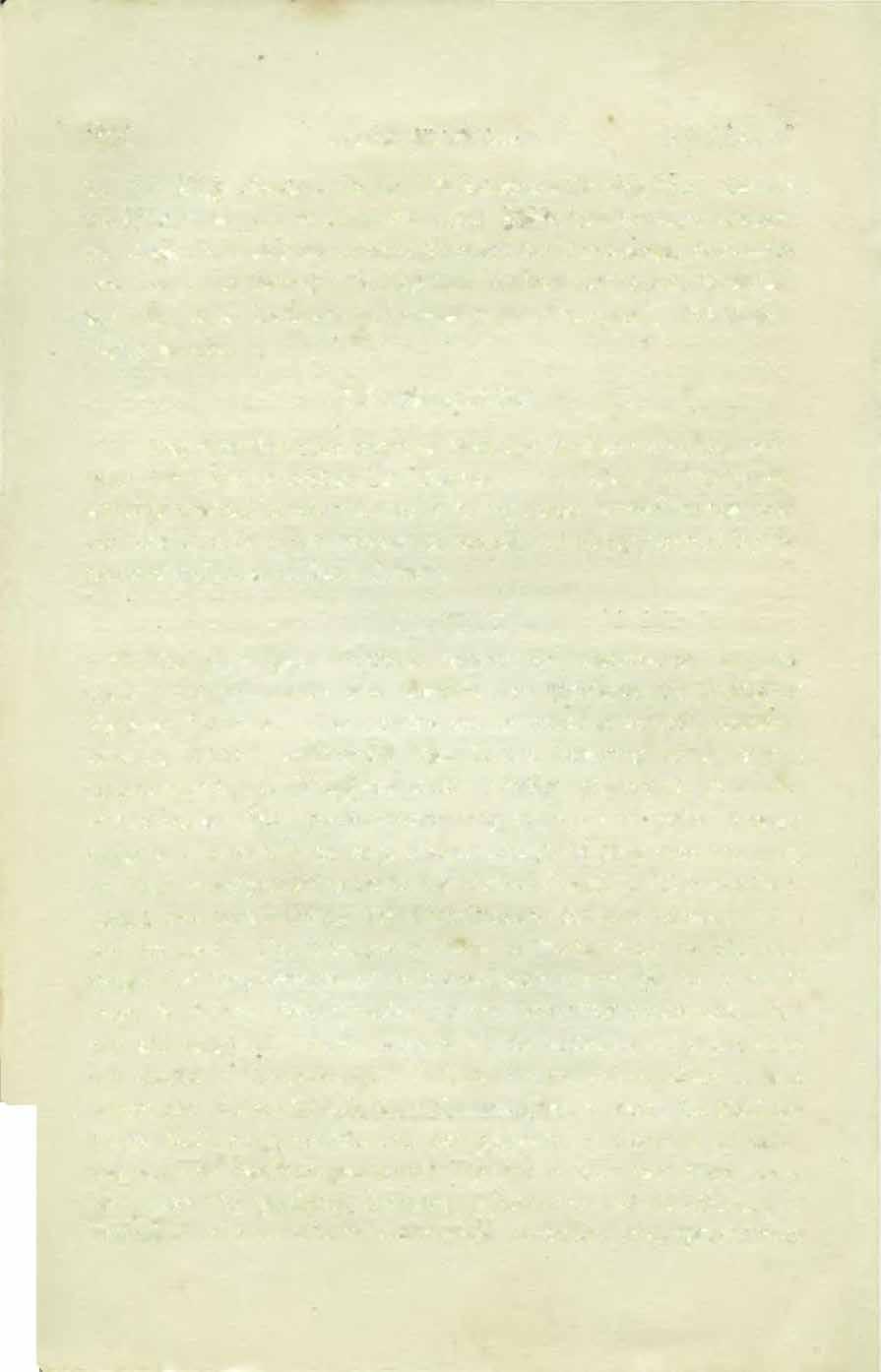
TRANSLATION
The most fortunateemperor Maharaj Parikshitwho was entrusted with the Kingdom of Hastinapur by Maharaj Yudhisthir while he desired toretire for going in the forest, is now ruling over the world with great success on account ofbeing glorified by the deeds ofthe kings ofKuru dynasty.
PURPORT
The prolonged sacrificial ceremonies undertaken by the sages of Naimisaranya was begun a very little after the demise of Maharaj Parikshit. The sacrifice was to continue for one thousand ofyears and·it is understood that in the begining some of the contemporaries of Valadeva elder brother ofLord Krishna also visited the sacrificial place. According to some authorities present tense is also used in terms ofnearest margin oftime from the past. In that sensepresent tense in the matter ofreign ofMaharaj Parikshit is mentioned here. For a continuous fact also present tense can be used. The principle ofMaharaj Parikshit can be still continued and improvement ofthehuman society can still be done if there is factual determination of the authorities concerned. We can still purgeout, from the state, all the activities of immorality introduced by the personality of Kali, ifwe are determined to take action like Maharaj Parikshit. He alloted some places for Kali but infact Kali could not find out such places in the world at all because Maharaj Parikshit was strictly vigilant to see that there were no places for gambling, drinking, prostitution and slaughtering of animals. Modern administators want to banish corruption from
1070 SRIMAD BHA.GWATAM [Ch. 17
the state but fools as they are, they do not know how to do it. They want to issuelicence for gambling houses, wine and other intoxicating drugs houses, brothels and prostitution in the hotels and cinema houses and falsity in every dealings even in their own and they want at the same time to drive out corruption from the state. They want kingdom of God without Godconsciousness. How it could be possible to adjust two contradictory matters? Ifwe want to drive out corruption from the state we must first ofall organise society for accepting the principles ofreligiosities namely austerity, cleanliness, merey and truthfulness and to make the condition favourable we must close all places for gambling, drinking, prostitution and falsism. These are some of the practical lessons from the pages ofSrimad Bha�watam.
TEXT NO. 45
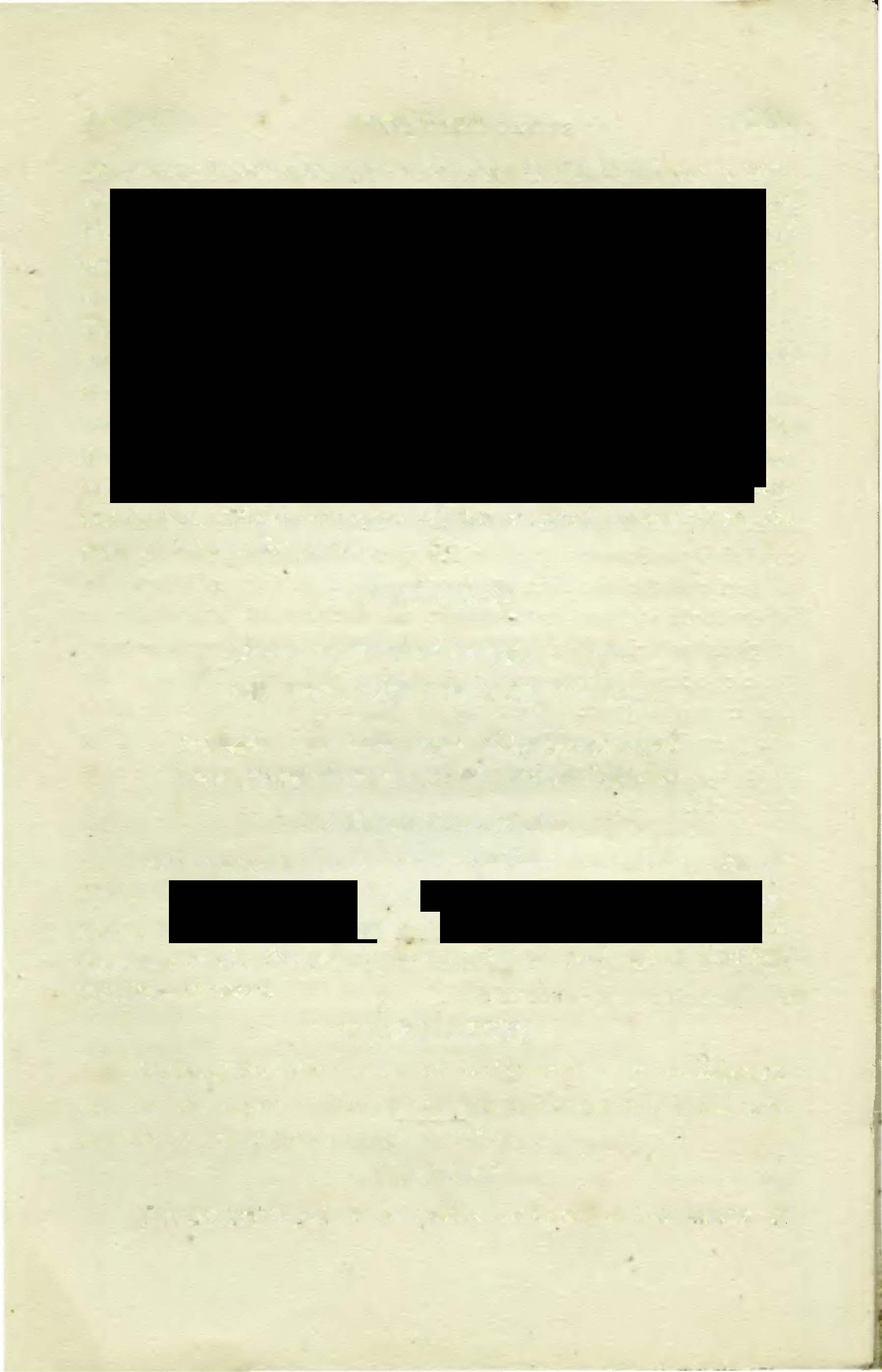
i(q1='!�1�1n""Sllqf'111�Wf) ;q: '
ll'�ll' �'lffl': �)ur1 Ti nt�i\'mm: .,
Itthambhuta anubhavo ayam abhimcyusuta nripah
ra.rya palayatah sounim yuyam satraya dikshitah.
ENGLISH SYNONYMS
Itthambhuta-it was so and so, Anubhavo-experience, Ayamofthis, Abhimayusuta-Son of Abhimannyu, .Vripah-the king, rasyawhose, Palayatah-on account ofhis ruling, Kshounim-on the earth, ruyam-you all, Satraya-in the matter of performing sacrifices, Dikshita-initiated.
TRANSLATION
Maharaj Parikshit the son of Abhimanyu is so experienced that by his expert administration and patronage only it has been possible for you to perform such sacrifice.
PURPORT
The Brahmins and the Sanyasins are expert in the matter of
Text 45] FIRSTCANTO 1071
,
spiritual advancement ofthe society, whereas the Kshatriyas or the administrators are expert in the matter ofmaterial peace and prosperity of the human society. Both ofthem are the pil1ars of all happiness and therefore they are meant for full co-op,eration for common welfare. Maharaj Parikshit was experienced enough to drive away Kali from his field ofactivities and thereby made the situati<m of the state favourable for reception ofspiritual enlighten· ment. Ifthe common people are not reciepient it is very dificult to impress upon them the necessity ofspiritual enlightenment, Ansa terity, cleanliness, mercy and truthfulness the basic principle of religiosity prepares the ground for reception of spiritual advancement of knowledge and Maharaj Parikshit made this favourable condition possible and thus the Rishis of Naimisaranya were able to perform the sacrifices prolonging to thousands ofyears. In other words without state-support no doctrine of philosophy or religious principles can progressively advance and there was com-" plete co-operation between the Brahmins and the Ksnatiryas for this common good. Even up to Maharaj Asoka the same spirit was prevailing. Lord Buddha was sufficiently supporte , by King Asoka and thus the particular cult of knowledge was spread all over the world.


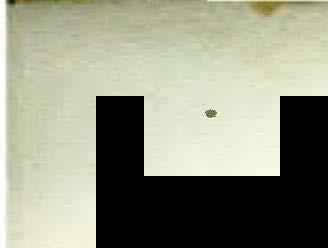
Thus end the Bhaktivedanta Purports ofthe First Canto Seventeenth Chapter of Srimad Bhagwatam in the matter of Punishment and Reward ofKali.

1072
SRIMAD BHAGWATAM [Ck 17
EIGHTEENTH CHAP1ER
Maharaj Parikshit Cursed By A Brah&tin Boy
TEXT No. 1

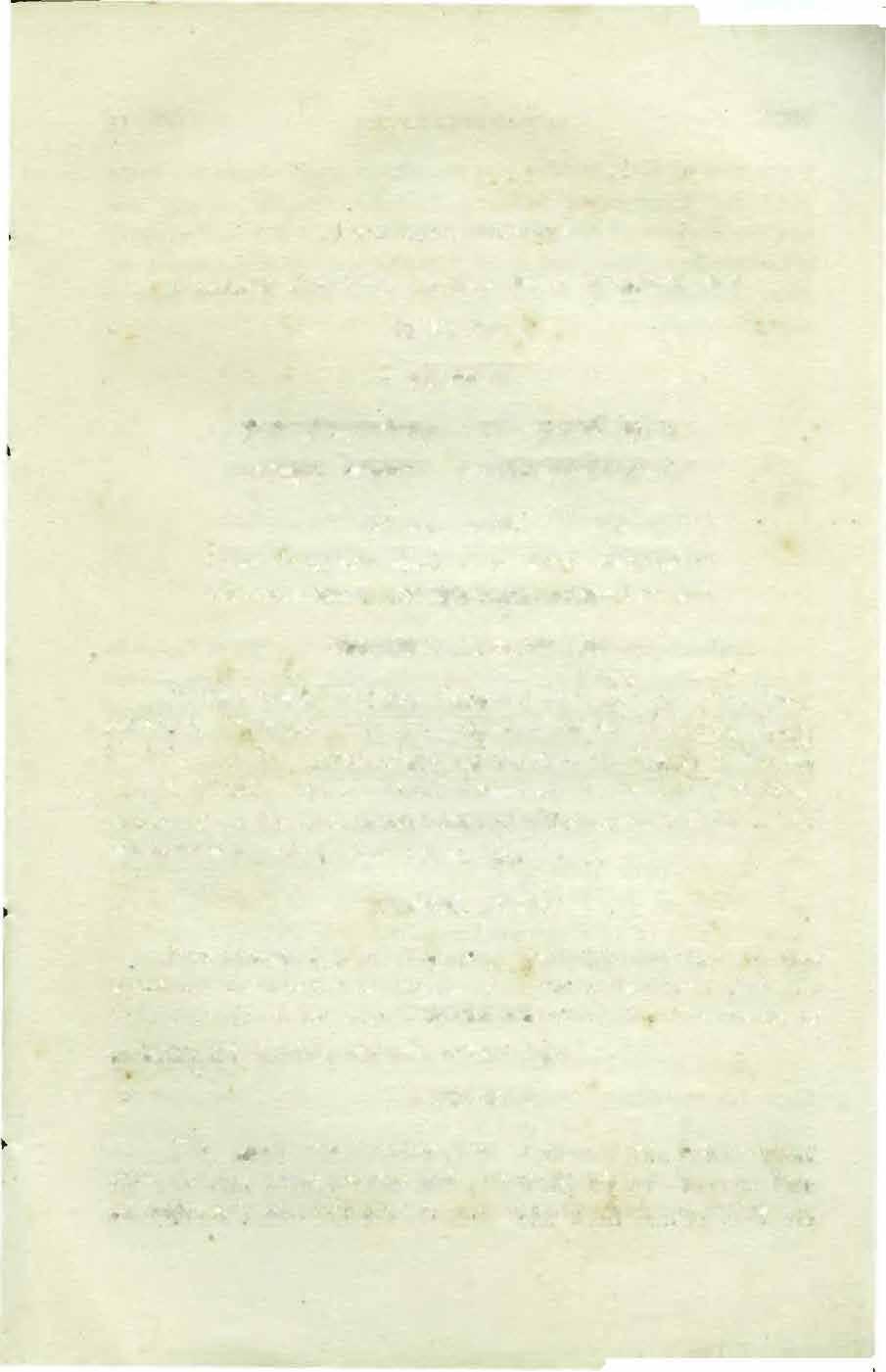
�cr��prr:
tt) cl st)qr.n=�fct�tse) ;:r 'fTg�q:� �a: t
':R'��Tct lltTCl'a": ct!lSVf�ttT,�a'ii!\qQT: II



Sri Suta uuacha
Yo vai drounyastra uiplus to na matur udare mritah
Anugrahat bhagawatah krishnasya adbhutakarmanah.
ENGLISH SYNONYMS
Sri Suta uvacha-Sri Suta Goswami said, Yo-one who, Vaicertainly, Drounyastra-by the weapon ofthe son ofDror1a, Viplusto-burnt by, J1 a-never, Matur-of the mother, Udare--in the womb of, Mritah-met his death, Anugrahat-by the mercy of, Bhagwatah-of the Personality ofGodhead, Krishnasya-ofKrishna, Atlbhutakarmanah-of one who acts wondeifully.
TRANSLATION
Suta Goswami said, "Maharaj Parikshit, although he was • struck by the weapon of the son ofDrona in the womb of his mother, he could not be burnt by the mercy of the Personality of Godh;;>ad Sri Krishna who acts wonderfully."
PURPORT
The sages in the Naimisharanya became struck with wonder after hearing about the wonderful administration of lv,faharaj Pari. kshit specially with reference to the conte:x:t of his punishing the
pesronality of Kali, making him completely unable to doany harm within the kingdom of Maharaj Parikshit. Suta Goswami was . equally anxious to describe about Maharaj Parikshit in the matter of his wonderful birth and death also and this verse is stated by Suta Goswami in a way of increasing the interest of the sages of Naimisharanya.
TEXT No.2


�i!fi)q)�qar'{ lif�


"��)�)q�lfl�
Brahmakopa utthitatyas tu takshakat pranaviplavat Na sammumoha urubhayat bhagwati arpita ashayah.
ENGLISH SYNONYMS
Brahmllkopa-Fury ofaBrahmin, Utthitat-caused by, Yas-whatwas, Tu-but, Takshakat-by the snake-bird, Pranaviplavat-from disolution of life, Na-never, Sammumuha-became overwhelmed, Uruhhayat-great fearfulness, Bhagwati-unto the Personality of Godhead, Arpila-surrendered, Ashayah-consciousness.

TRANSLATION
Further more Maharaj Parikshit was always conscenciously surrendered in the Personality ofGodhead and therefore he was neither afraid of nor overwhelmed from the fear of snake-bird which was to bite him due to theviolent passion of Brahmin boy.
PURPORT
A selfsurrendered devotee oftheLord is called NarayantJpara. Such Narayanapara person is never afraid of any place or person even of death. For them nothing is important than the Supreme Lord and as sueh they allow equal importance both for the heaven and the hell. They know it well that both heaven and hell are c;reations of the I,.ord and similarly life and death arediffere.qt
1074 SBIMADBHAGWAT.AM [Ch. 18
conditions ofexistence created by the lord. What they want is that in all conditions and in all circumstances remembrances of Narayana is essential. They practice it constantly and Maharaj Parikshit was one ofsuch pure devotees. He was wrongfully cursed by an inexperienced son of a Brahmin by the influence of Kali, and Maharaj Parikshit took it as sent by Narayana. He knew it well that Narayana (Lord Krishna) saved him when he was burnt in the womb ofhis mother and ifhe was to be killed by snake-bite it would also take place by the will of the LORD. The devotee never goes against the will of the Lord and anything sent by God is a blessing for the devotee. Therefore Maharaj Parikshit was neither afraid of nor bewildered in such things. That is the sign ofa pure devotee ofthe Lord.
T�XT No.3
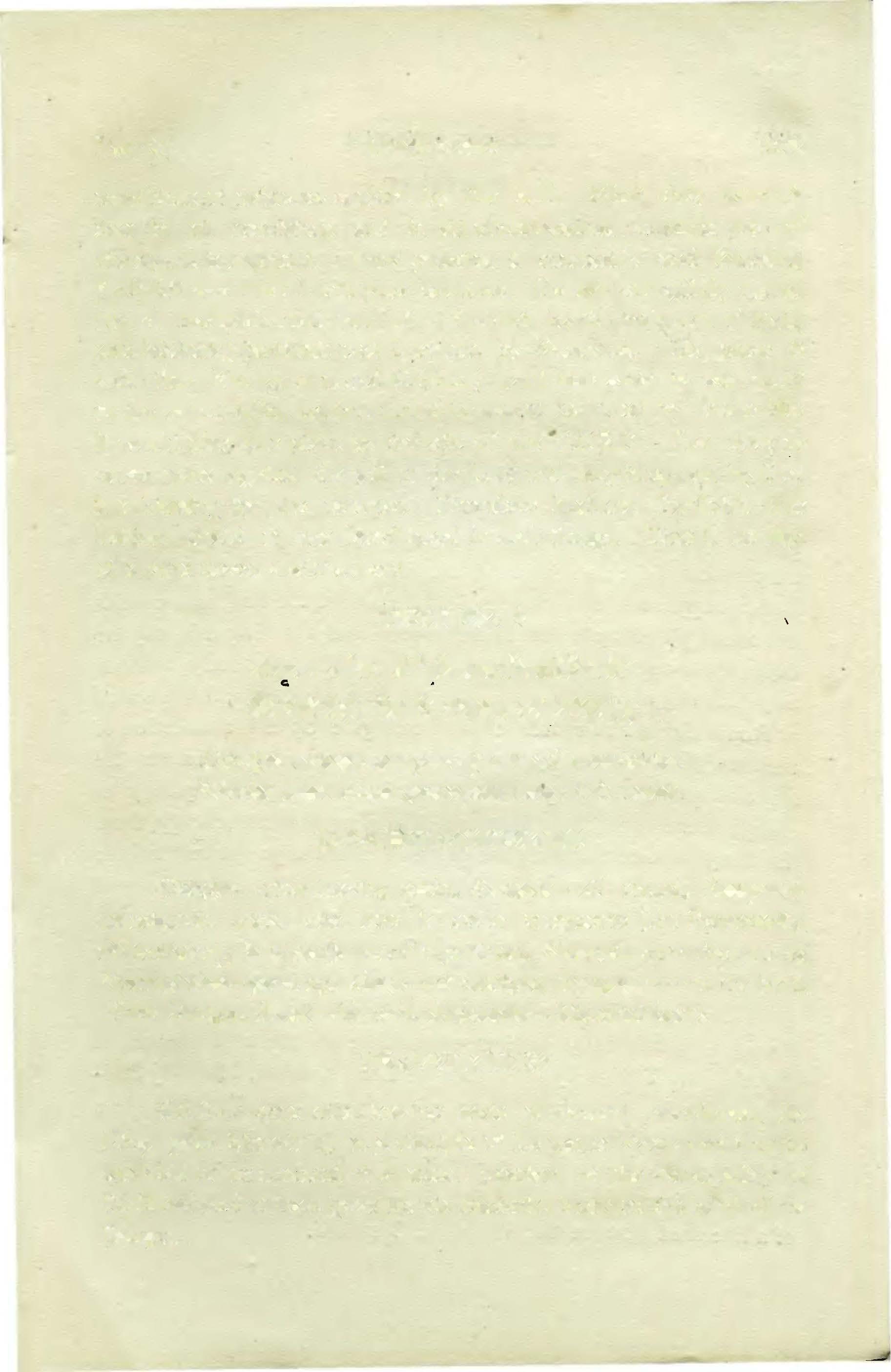
Utsrijya sarvatah samgam vijnata ajita samsthitih
VaisakerJahou sishyo gamgayam swam kale varam
ENGLISH SYNONYMS
Utsrijya-after leaving aside, Sarvatah-all rouud, Samgamassociation, Ajita-one who is never conquered (the Personality, ofGodhead), Samsthitih-actual position, Vaisaker-unto the son of Vyasa,Jahou-gave up, Sishyo-as desciple, Gamgayam-on the bank ofthe Ganges, Swam-his own, Kalevaram-Materiai body.
TRANSLATION
Further more after leaving aside all round association, the King gave himself up as.a disciple oftheson ofVyasa and thus he was .:tble to understand the actual position of the Personality of Godhead and at least gave up his material body on the bank ofthe Ganges.
Text 3l FffiST CANTO 1075
Q • ilfTU���l f�lf) lfmqf '"·;'fi�'f�
«u�lfucia-: �hi fcf�n�nf•a-aft=�fa-: 1
II
The word Ajita is significant here. The Personality of Godhead Sri Krishna is known as Ajita or unconquerable, as He is so in every respf'ct. Even no body can know His actual position. He is unconquerable by knowledge also. We have heard about His Dhama or place, eternal about Golaka Vrindaban, but there are many scholars who interpret this abode in different ways. But by the grace of a spiritual master like Sukadeva .. Goswami, unto whom the king gave himself up as the most humbale disciple, he was able to understand the actual position ofthe Lord, about His eternal abode, and His transcendental parapht>rnalia in that Dhama or abode. Knowiug this transcendntal position ofthe Lord and the transcendental method by which one can approach that transcendental Dhama, the king was confident about his ultimate goal of destinarion and knowing this only he could leave aside everthing material even his own body without any difficulty of attachment. In the Bhagwat Geeta, this is stated as Param Dristwa Nevertate or one can give up all connection of the material attachment when one is_able to see the Param or the superior qualicy ofthing. We understand the superior quality of energy of the Lord than the material quality material energy, from the Bhagwat Geeta and by the grace of a bonafipe spiritual master like Sukadeva Goswami it is quite possible to know every thing of the superior energy of the Lord by which the Lord manifests His eternal Name, Quality, Pastime�, Paraphernalia and variegatedness. Unless onethoroughlyunderstandsthis superior or;eternal enre.. gy ofthe Lord it is not pssible to leave aside the material energy however theoritically one may speculate on the true nature of the Absolute Truth. By the Grace of Lord Krishna, Maharaj Parikshit was able to receive mercy of a Personality like Sukadeva Goswami and thus he was able to know the actual positiou of the unconquerable Lord. It is very difficult to find out the Lord from the Vedic literatures but it is very easy to know Him by the mercy ofa liberated devotee like Sukadeva Goswami.
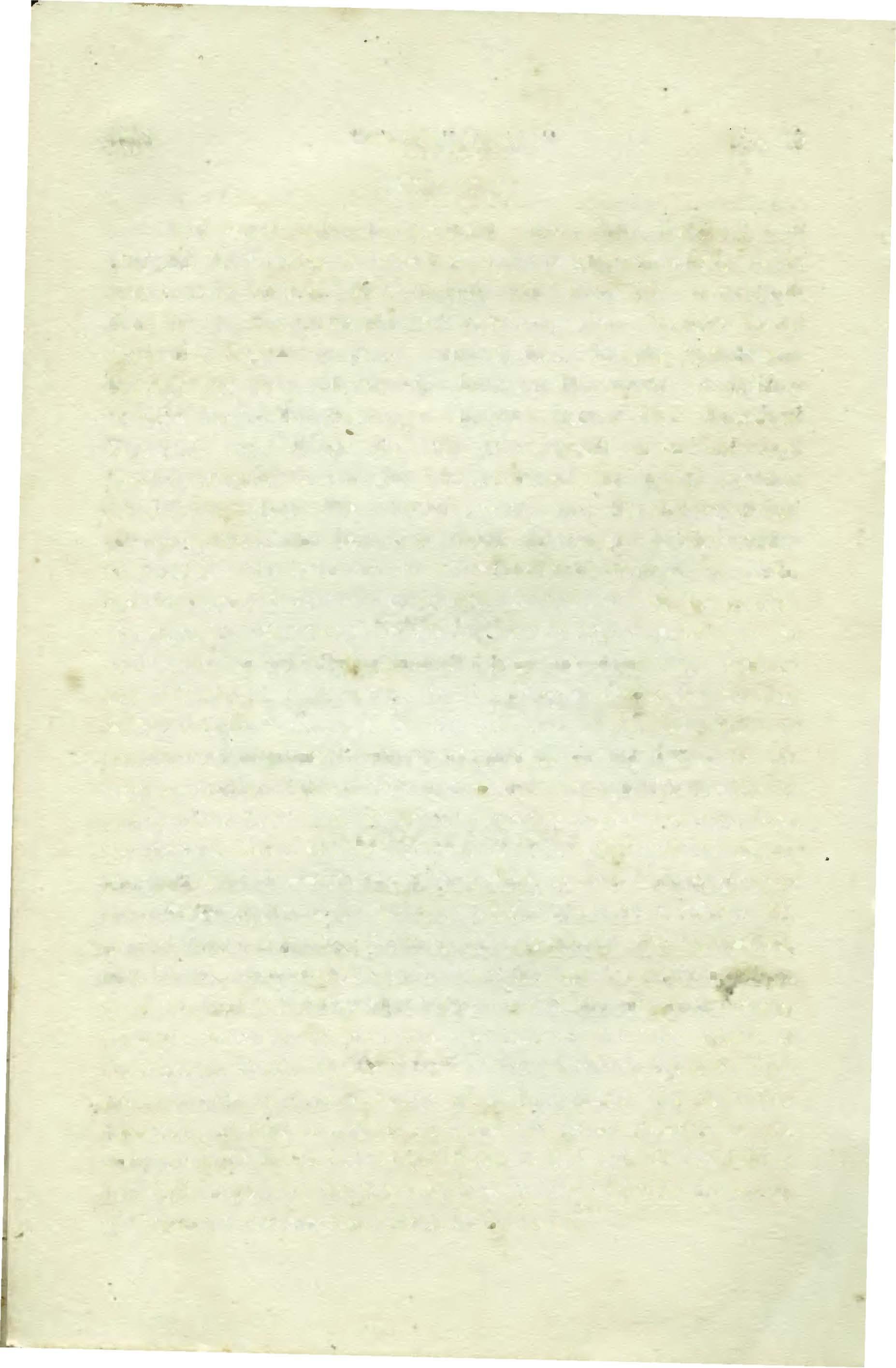
1076 SRIMAD BH.AGWATAM [Ch. 18
PURPORT
FIRST CANTO
Tezt No. 4
Na uttamasloka vartanam jusatam tat katkamritam
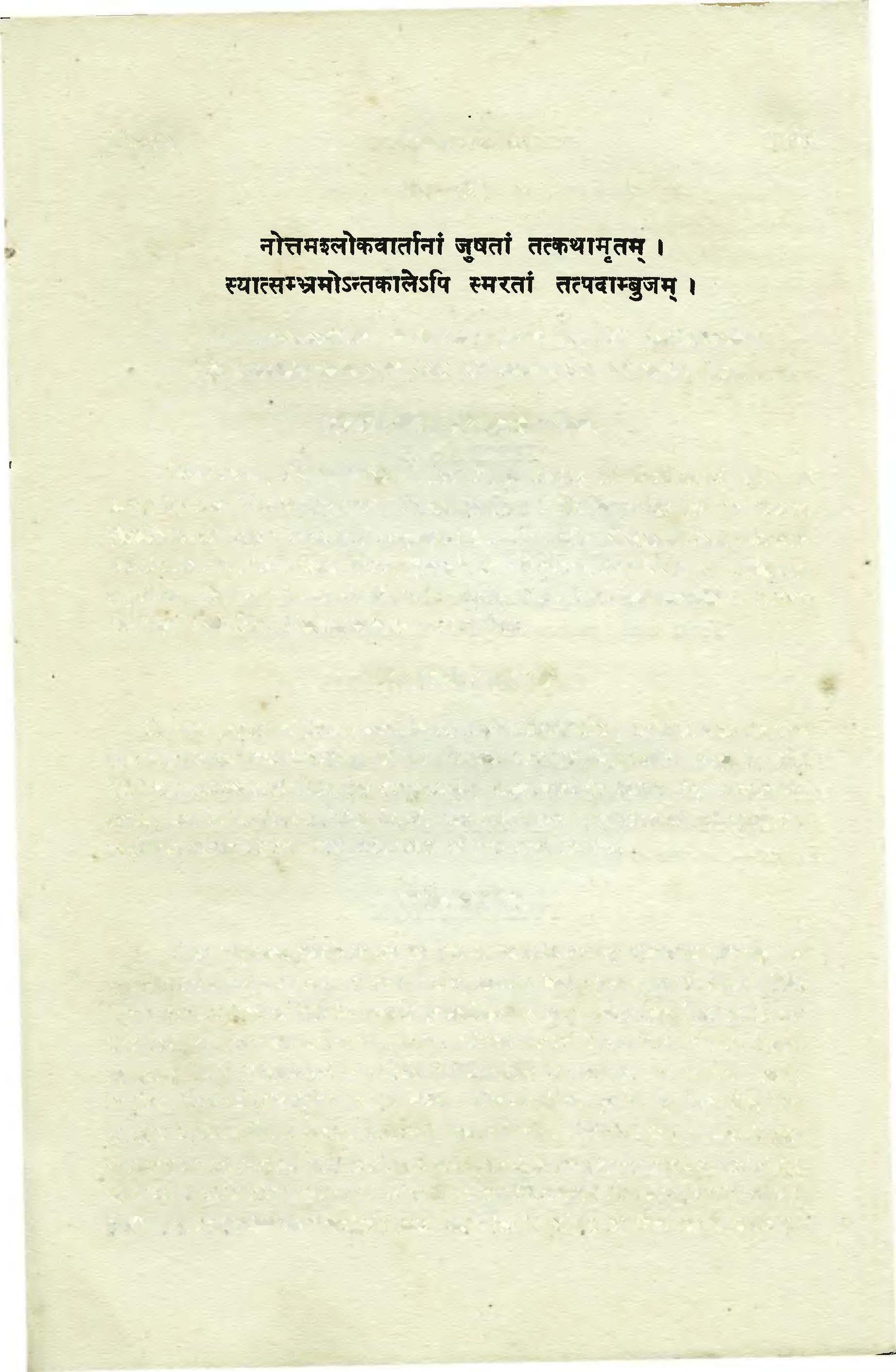
Syat sambhramo auto kale api smarartam tat padambujam.
ENGLISH SYNONYMS
Na-never, Uttamasloka_ · the Personlaity of Godhead who is sung by the Vedic hymns. Vartaanam-of those who live on them, Jusatam�-of them who are engaged in, Tat-His, Kathamritam-transcendentai topics about Him, �at-itsohappens,Sambhramo-misconception1 Unto·at the end, Kale-in time, Api-Also, Smaratam-reme bering, Tat-His, Padambu;am-lotus feet.
TRANSLATION
It isso because thosewhohave m::tdetheirlife'sbusinessto liueon the transcendental topics ofthePersonalityofGodhead sung by the Vedichymns and thus be constantly engaged in thhm by remembering the lotus feet ofthe Lord, donot have any chance ofmisconception even at the last moment ofthe end oflife.
PURPORT
The highest perfection oflife is attained by remembering the transcendental nature ofthe Lord at the last moment of one's life. · This perfection oflife is made possible by one who has learntabout the actual transcendental nature ofthe Lord from the Vedic hymns sung by a liberated soul like Sukadeva Goswami or some body in that line ofdisciplic succession. There is no gain by hearing the Vedic hymns from some mental speculator. 'When the same is heard from an actual selfrealised soul and is properly under stood by service and submission the whole thing becomes transparently clear before a submissive disciple and thus he is able to live on it transo.
Text 4]
1077
endcntally and continue the same to the last point ofthe end of life. By scientific adaptation one is able to remember the Lord even at the end oflife when.the power of remembrance is slackned due to derangement of bodily membrane. For a common man it is very difficult to remember things as they are at the time of death, but by the Grace ofthe Lord and His bonafide devotees the spiritual masters one can get this opportunity of life without any difficulty. And it is was done in the case ofMaharaj Parikshit.
TEXT No. 5

m�•�
Tavat kalir na prabhavet pravisto api iha sarvatah ravat isha mahan uroyam abhiman-vava ekarat.
ENGLISH SYNONYMS
Tavat-so long, Kalir-the personality of Kali, No-cannot, Prabhavet-Hourish, Pravisto-entered in, Api-even though, Sarvatak-everywhere, Tavat-as long as, lsha-the lord, Mahan-great, Urf!Yam-powerful, Abhimanyavs-the son of Abhimanyu Ekamt-the one emperor.
TRANSLATION
So long as the most powerful great son of Abhimanyu remains the one emperor ofthe world there is no chance of flourishing by the personality of Kali.
PURPORT
As we have already explained thatthepersonalityofKali had entered thejurisdiction of this earth long ago and he was looking for opportunity to spread his influence all over the world. But he could not do so satisfactorily dut to the presence of Maharaj Parikshit�
1078 SRIMADBHAGWATAM [Ch. 18
sr�Rf'-Qi)sq)' ri�: t ltmtm q��mtfwwnrct�·�� '' .
That is the way of good government. The disturbing elements like the personality of Kali will alwaystry to extend his nefarious activities but it is the duty of tne able state to check them up by all means. Parikshit Maharaj although alloted places for the personality of Kali, he at the same time gave no chance to thecitizens to be in favour ofthe personality ofKali. �
TEXT No. 6


rasmin ahaniyarlti eya bhagawan utsasarja gam
Tada evaiha anubritto asou adharma prahhavah kalih.
ENGLISH SYNONYMS
rasmin-on that, Ahani-very day, farki-in the very moment, Bhagwan-the Personality of Godhead, UtsasarjtlIeft aside, Gam-the earth, Tada-at that time, Eva-certainly, Iha-i this world, Anuvritto-followed, Asou-he, Atlharmairreligious, Prabhavah-accelerating, Kalih-the personality of quarrel.
TRANSLATION
The very day and the very moment when the Persomdty of Godhead Lord Sri Krishna left aside this earth, on that verymoment also the personality of Kali who is accelerating agent for -ell irreigious activities, became entered within the earth.
PURPORT
The personality of Godhead and His holy Name, Qualities etc all are identical. The personality of Kali was not able to enter in thejurisdiction of the earth on account of presence of the Personality of Godhead. And similarly ifthere is arrangement
Text 6] F1R.ST CANTO 1079
�...� �rr�f�(««� ""! •
••
lfft:itfiii{f'1
riq�J�ms��sr��= "'"':
for constant chanting of the holy Name and quality etc of the Supr�me Personality of Godhead there is no chance at all for entrance ofthe personality ofKali within the jurisdietion where such chanting ofthe holy Name of the Lord is performed. Tha is the technique ofdriving away the personality ofKali from the world. In the modernised human society there is far advance ment of material science and they have invented the radio set for dsstributing sound in the air. So instead of vibrating some nuisance sound ofsense enjoyment, if the state arranges to distribute sound transcendental in the shape of resoundir.g the holy name, fame, activities ofthe Lord as they are authorisedly stated in the Bhagwat Geeta or Shrimad Bhagwatam; then, certainly a favourable condition will be created and re-establishing the principles ofreligiosities in the world and thus the executive heads who are so much anxious to drive away corruption from the world, willbe successful by this good attempt. Nothing is bad ifthey are properly used for the service of lord.
TEXT No. 7
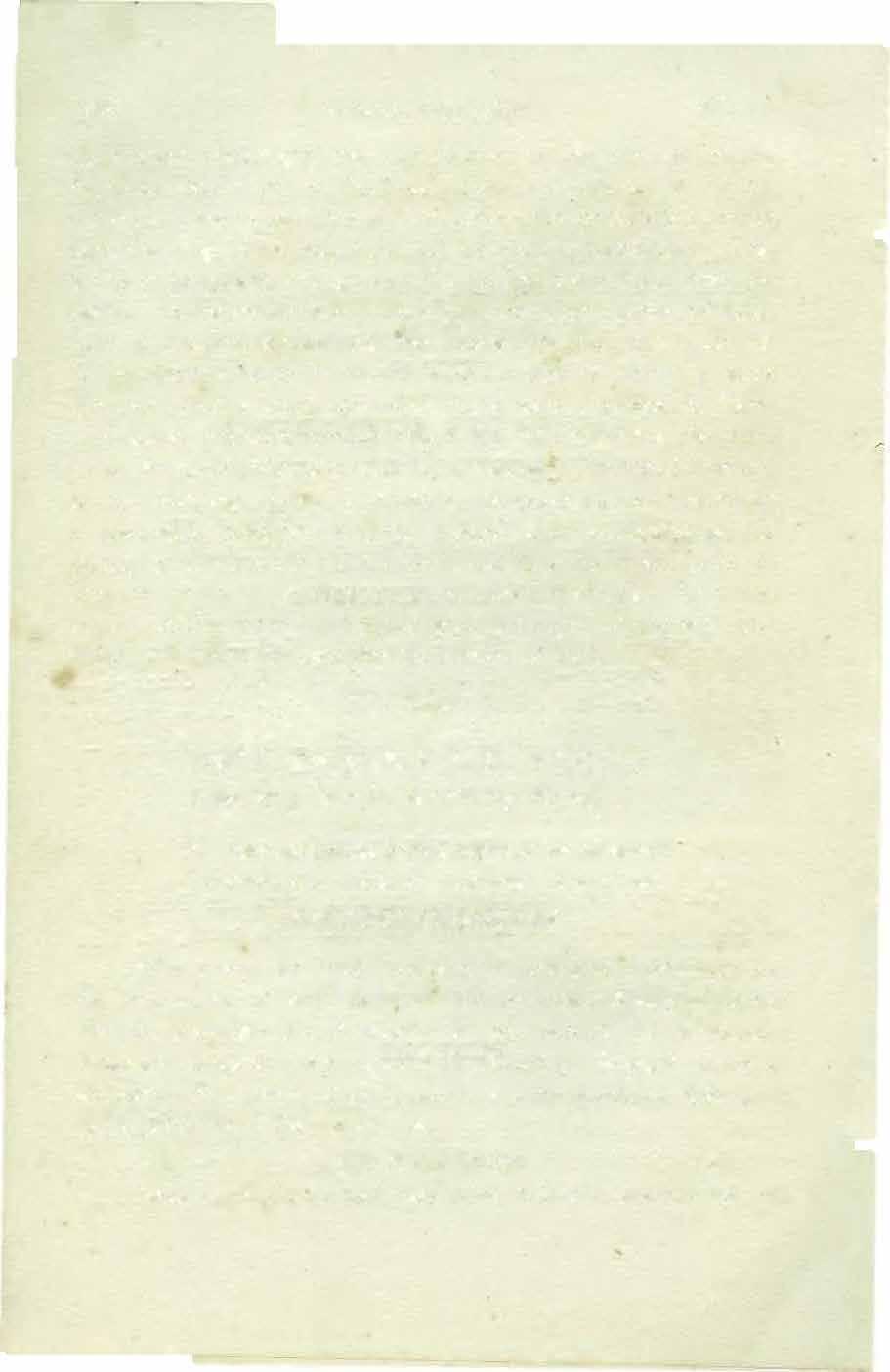
�� Cf)fi;r �"l'f'?: ffrotiCf «H�� I



"J:��TfllT'f�arqfia'i\a�tfGT
lfla"Tftt llC{II
.Na anudwestikalim samrat saramga iva sarabhuk
Kusalani asu sidhanti netarani kritani vat.
ENGLISH SYNONYMS
Na-never, Anudwesti-necessarily grudges, Kalim-un to the personality of Kali, Samarat-the emepror, Saramgo-realist like the bees, Iva-like, Sarabhuk-one who accepts the substance, Kusalani-auspicious objects, Asu-immediately, Sid�anti-become successful, Na-never, /tarani-which are inauspieious, Kritanibeing performed, rat-as and as.
TRANSLATION
Maharaj Parikshit was realist as the bees who are apt to
1080 SRIM.A.DBHAOWATAM [Ch. 18
•
_., ...
accept the essence only. He knew it perfectly well that in this age of kali auspicious things produce good effects immediately while the opposite number acts when actually performed . s,, he was never envious unto the personality ofKali.
PURPORT
The age of Kaliis called in other words the fallan age. In this fallan age on account ofthe living being's havingbeen fallan in an awakward position the Supreme Lord has given some spectal facilities to them in this age. So by the will ofthe Lord a living being does not become a victim of sinful act untill one actually performs the same. In other ages simply by thinking of doing a sinful act one used to become a victim of the act. On the contrary a living being, in this age it is awarded with theresult of pious acts simply by thinking of it Maharaj Parikshit being the most learned and experienced king by the Grace ofthe Lord, he was not unncessarily envious ofthe personality ofKali, because he had inhis mind not to give any chance to him for performing any sinful act. He protected his subjects from falling a prey to the sinful acts ofthe age ofKali and at the same time he gave full facility to the age of Kali by alloting him some particular places. As we will have it at the end ofthe Srimad Bhagwatam it is said there that inspite of all nefarious activities of the personaiity ofKali, there is a great ad· vantage of the age ofKali that one can attain salvation simply by chanting the holy name of the Lord. As such the King Parikshit Maharaj made organised effort topropagate chanting of the holy name of the Lord and thus he saved the citizens from the clutches ofthe Kali. It is for this advantage only sometimes great sages wish all good for the age ofKali. In the vedas also it is said that by discourse of Lord Krishna's activities one can get rid ofall disadvantages of the age of Kali. In the beginiog of the Srima d Bhagwatam it is alsosaid that recitation ofSrimad Bhagwatam the Supreme Lord becams at once arrested within one's heart. These are some of the great advantagesofthe ageofKali and Maharaj Pari-

Text 7] FIRST"ANTO 1081
kshit took all the advantages and didnot think any ill of the age of theKali,trueto his Vaishnaivtecult.
TEXTNO. 8 fit;2 an��� 'f)�l'l'T'(;ri�vn t
atsrif�: Sf'f�! liT C{if;t '!! �u
Kimnu valesu surena kalina dhira hhiruna
Aprama!tahpramattesuyo vriko nrisu variate
ENGLISH SYNONYMS
Kim-what, Nu-may be, Valesu-21mong the less intelligent persons, Surena-byth.:: powerful, Kalina-by t he personality of Kali
Dhira-self controlled , Bhiruna-by one who is afrraid of, Aprama• ttah -one who is careful, Pramattesu-among the uncareful,roone who, Vriko-tiger, Narisu-among the men, Vartat1-exists.
TRANSLATION
MaharajParikshit thought withinhimselfthat the personality of Kali might be very powerful for the less intelligent class ofmen -• but those who are self controlled have nothing to be afraid of him He is tiger-like powerful and careful for the uncareful foolish persons.
PURPORT
Those who are not devotees of the Lord are so to say uncareful less intel ligent person. Unle;soneis not throughly intelligent, one cannot be a devotee ofthe Lord. Those who are not devotees of the Lord fall prey to the actions of Kali. Therefore, the only antidote for theaci ions of tne personality of Kali namely gambling intt)xication,prostituti);land slaughrteting of animals the four primary basic heads of all corruptions in the human society. By promulgamation ofstatutory acts against corruption or by setting up enquiry commissions ag"<timt such corruptions, committed even ,.
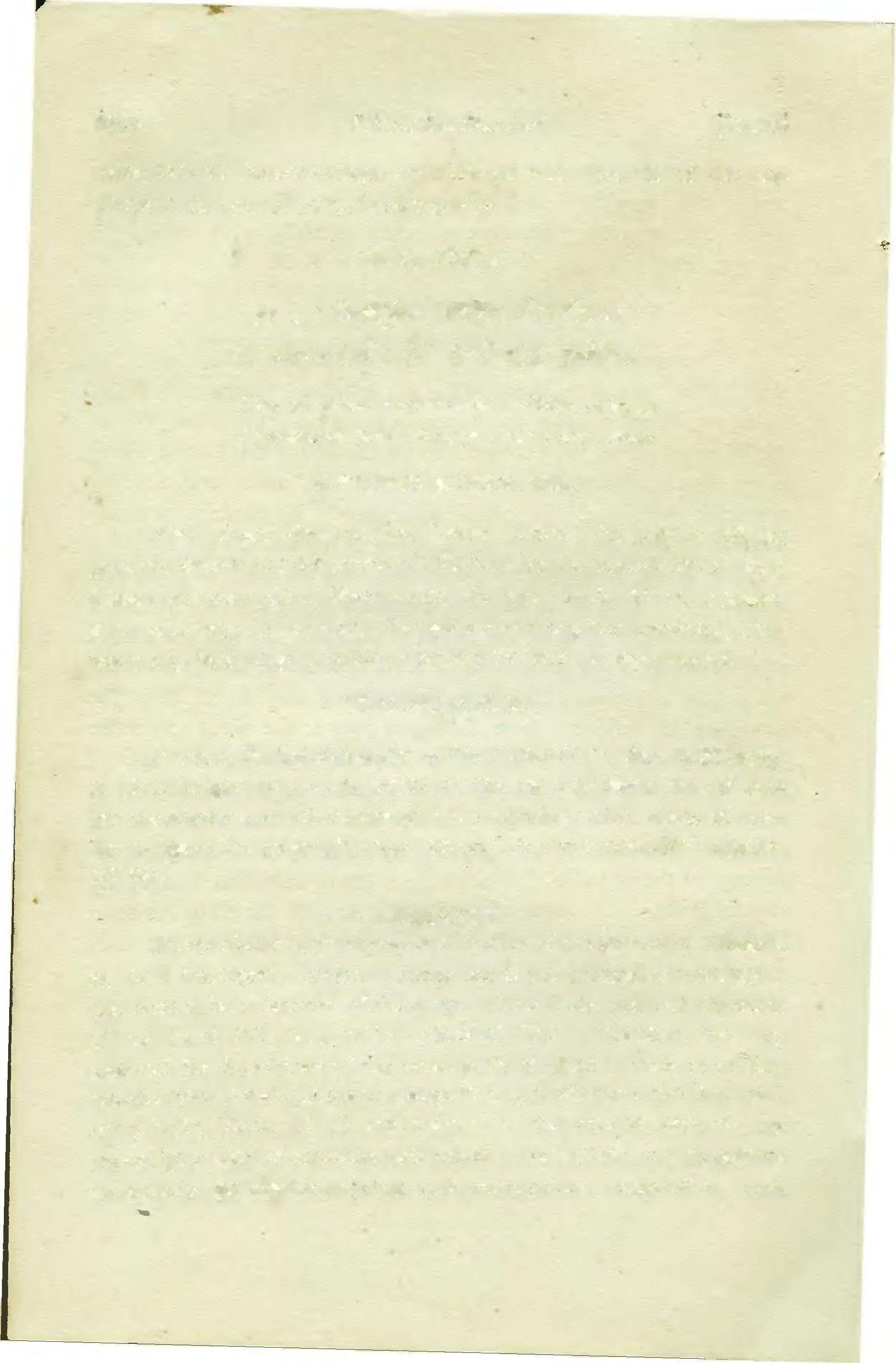
108� SRIMADBHAGWATA:M: [Ch. 18
by the heads ofadministration and merchants it will not be possible to bring about a saner condition in the society unless we are prepared toacceptthe modl!s of action adopted by Maharaj Parikshit i. e. to say by propagation of devotional service of the Lord among the common man.
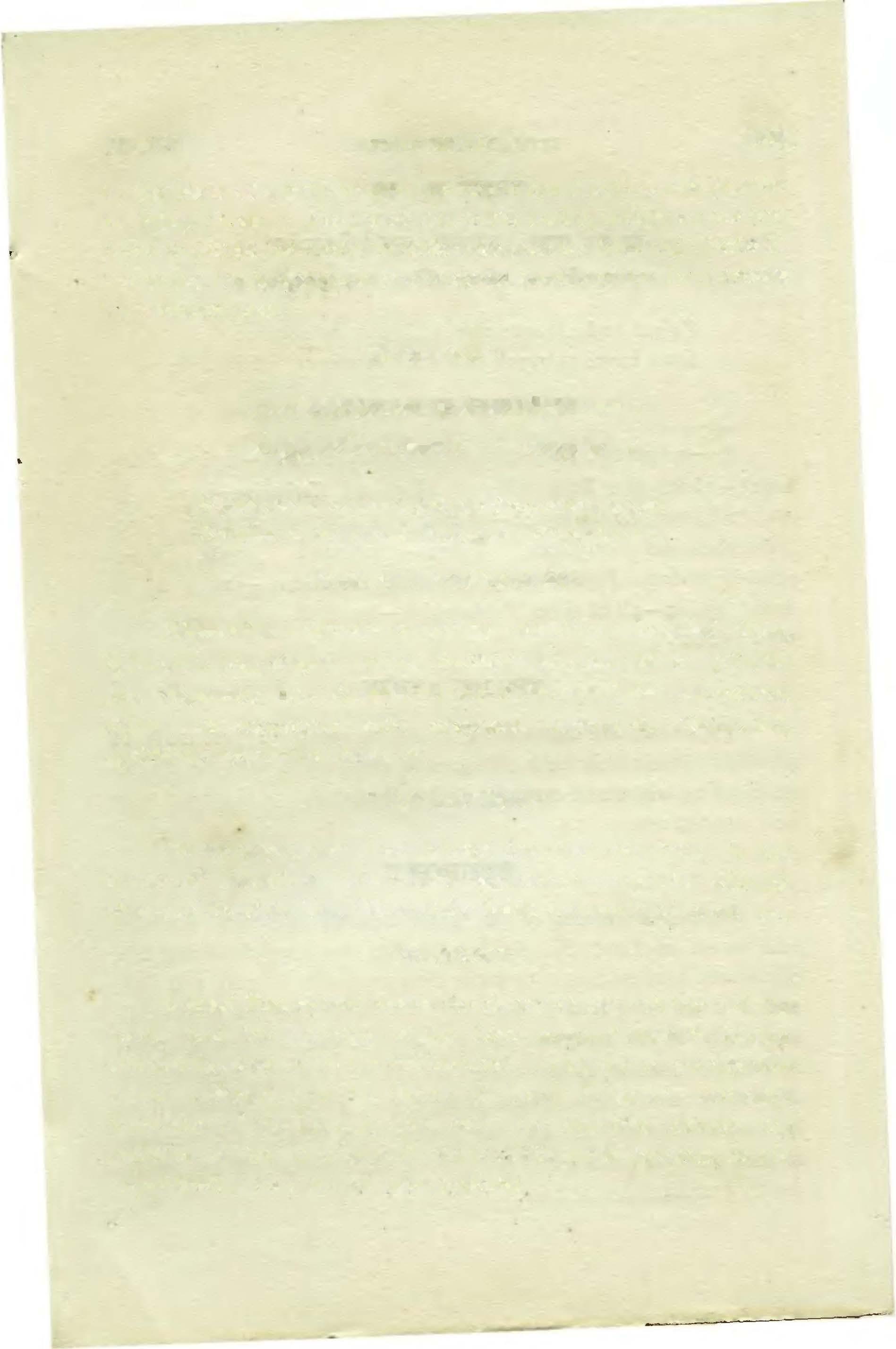
TEXT No.9
Upavarnitam etad valz punyam parikslzitam maya Vasudeva katlza upetam akshyanamyad aprichhata
ENGLISH SYNONYMS
Upavarnitam-almost everything described, Etad-all these, Yah-unto you, Punyam-pious, Parikshitam-about Maharaj Parikshit, Maya-by me, Vasudeva-Lord Krishna, Katha-narrations, Upetam-in connection with, Akhyanam-statements, Tad-what, Aprkhhaia-you asked from me.
TRANSLATION
Oh the sages, now I have almost described everything in the matter of narrations about Lord Krishna in connection with the history ofthe pious king Maharaj Parikshit, asyou did'ask from me.
PURPORT
Srimad Bhagwatam means the history ofthe activities of the Lord. And the activities of the Lord are performed in relation with the devotees ofthe Lord. Therefore, the history of the devotees is not different from the Listory of Lord Krishna's activities. A devotee of the Lord accC:'pts both the activities namely the activities of the Lord as well as thatd His pure devotees, on the equal level as they are all transcendental.
Text
FIRSTCANTO 1083
9]
�qitf1Jl� �: �tlti qy�)f� �trft 'fT�'I61\�)intqT"'t;{ lA''!'iU6 l l
TEXT No. 10
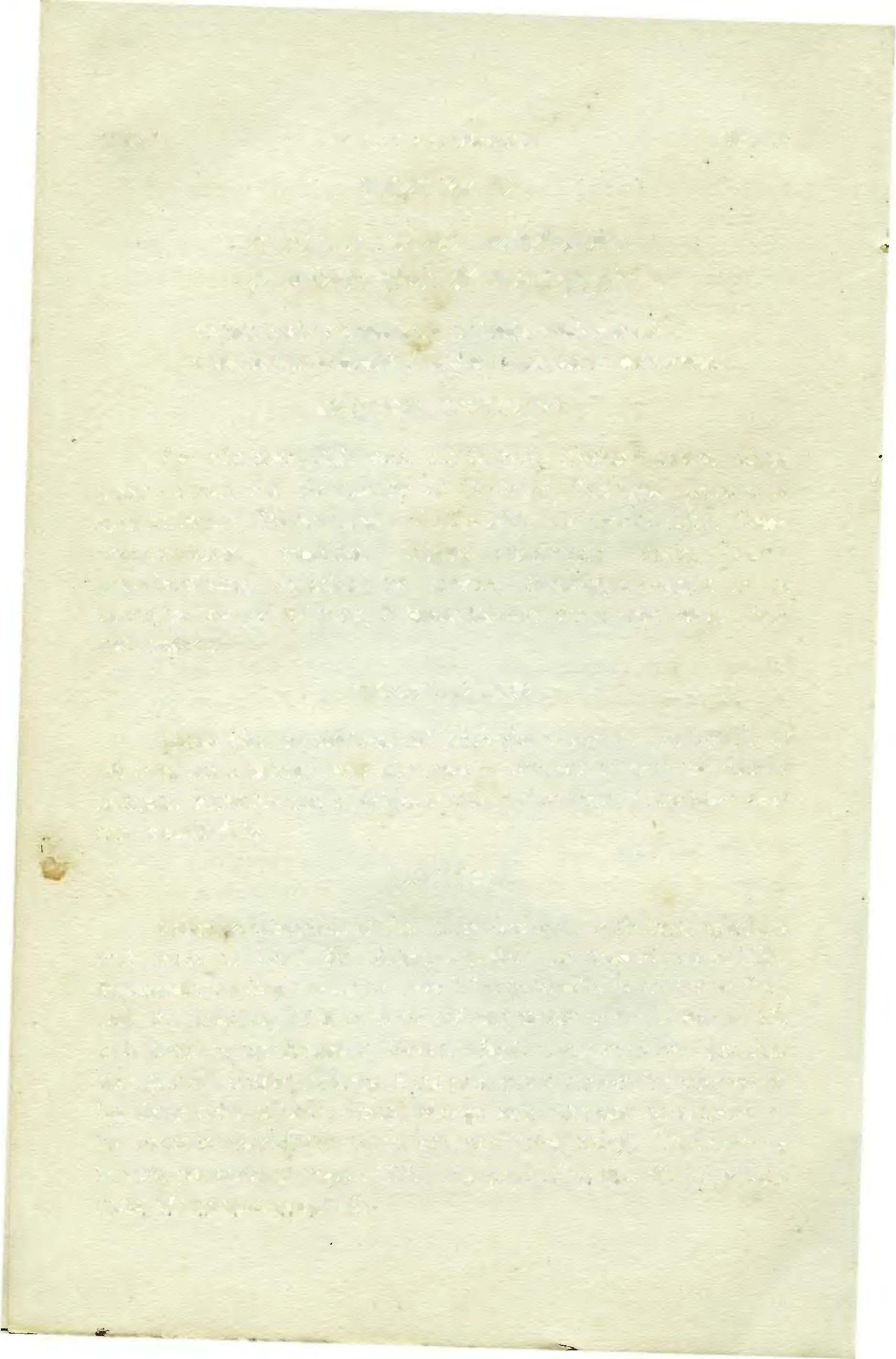
�r lfl: ��' ;rqqa: lfi�i�)��l:ivr: •
!JVf�fP..Tlfl: �fl:;r: ��Olflta'T �!f;r: ll
rayah katha hhagawatah kathaniyo urukarmanah
Guna karma ashrayah pumhhih Lmsevyasta vahhusuhhih.
ENGLISH SYNONYMS
ra-whatever, rah-and whatsoever, Kathah-topics, Bha.gwatah -about the Personality of Godhead, Kathaniyo-were to be spoken by me, Urukarmanah-ofHim who acts wonderfully, Gunatranscendental qualities, Karmt�-uncommon deeds, Ashrayah-involving, Pumhhih-by person�, Samaseqyas-ought to be heard by, Sa-all of them, Vuhhusuhhih-by those who want their own welfare.
TRANSLATION
Those who are desirious of achieving complete perfection of life must submissively hear all topics in connection with the transcendental activities and quaHties of the Personality ofGodhead who acts wonderfully.
PURPORT
Systematic hearing of the transcendental activities, qualities and name of Lord Sri Krishna pushes one towards eternal life. Systematic hearing means to know Him gradually in truth and fact, and this knowing Him in truth and fact meansto attain eternal life as it stated in the Bhagwat Geeta. Such transcendental glorified activities ofLordiSri Krishna is theprescribed remedy for counteracting the processof birth, death, oldage and diseases considered to be material awards for the conditioned living being. Culmination to such perfectional stage oflife is the goal of human life by attainwent of transcendental bliss�
1084
SRIMAD BHAGWATAM
[Gh.
18
When we hear about the transcendental qrmlities and activities ofthe Personality ofGodhead, we may always remember what has been spoken by the Lord Himself in the Bhagwat Geeta (B. G. 4/9 ) Hie acts, evenwhen He acts in the human society, are all transcendental as they are all a�centuated by the spiritual energy of the Lord distinguished from His material energy. As stated in the Bhagwat Geeta such acts are called "Dil!Jlam" means He does not act or take His birth like an ordinary living being under the custody ofmaterial energy. Neither· His body is material nor changeabl� like that of ordinary living beings. And one who understands this fact either on the version of the Lord or through authorised sources, does not also take his birth again after leaving the present material body. Such enlightened soul isadmitted in the spiritual realm of the Lord and be engaged in transcendental lov!ng service of the Lord. Therefore, the more we hear about the transcendental activities of the Lord as they are stated in the Bhagwat Geeta and Shrimad Bhagwatm, the more we can know about His transcendental nature and thus make definite progress on the path of Back-to-Godhead.
TEXT No. 11



1085
Text 11] FIRST CANTO PURPORT
'!i:tf'l'��: \{(f \ift� a'l'na'l�it�ltief<Ttf��� q�: ' l.T�..tif(!tft:farJlS'ftlt ;r�qt;:JT'i''ftf f� ;:r: 'I Sri Risayah uchuh: Suta jiba samah soumya saswatimvisadam yasah 'f'astam samsasi krishnasya martyanam amritam hi nah.
Sri Risayvh uchuh-Thegoodsagessaid,Suta-oh suta Goswami, Jiba
ENGLISH SYNONYMS
-we wish you live for, Samah-many years, Saumya -grave Saswatim-eternal, Visadam-particularly, Tasah-in fame, rastambecause you, Samsasi-speaking nicely, Krishnasya-of Lord Sri Krishna, Martanam-of thosewhodie, Amritam-eternaty oflife, Hi-certainly, Nah-our.
TRANSLATION
Thegood sages said, oh you grave Suta Goswami! may you live for many years with eternal fame particularly because you are very nicely speaking about the activities ofLord Krishna the Personality ofGodhead and they are just like nectarine for mortal being like us.
PURPORT
Systematic hearing ofthe transcendental activities, qualities and name of Lord Sri Krishna pushes one towards eternal life. Systmatic hearing means to know Him gradually in truth and fact; and this knowing Him in truth anq fact means to attain eternal life as it stated in the Bhagwat Geeta. Such transeendental glorified activities of Lord Krishna is the prescribed remedy for counteracting the process ofbirth, death, oldage and diseases considered to be material awards ofthe conditioned living being. Culmination to such perfect.ional stage oflife is the goalof human Jife by '. attainment oftranscendental bliss.
TEXT NO." 12
Cfi"1lttf�qn:r�tq<n�
Karmani asmin anaswase dhuma d!wmratmanam hhavan
Apayayati govinda padapadma asavam madhu.
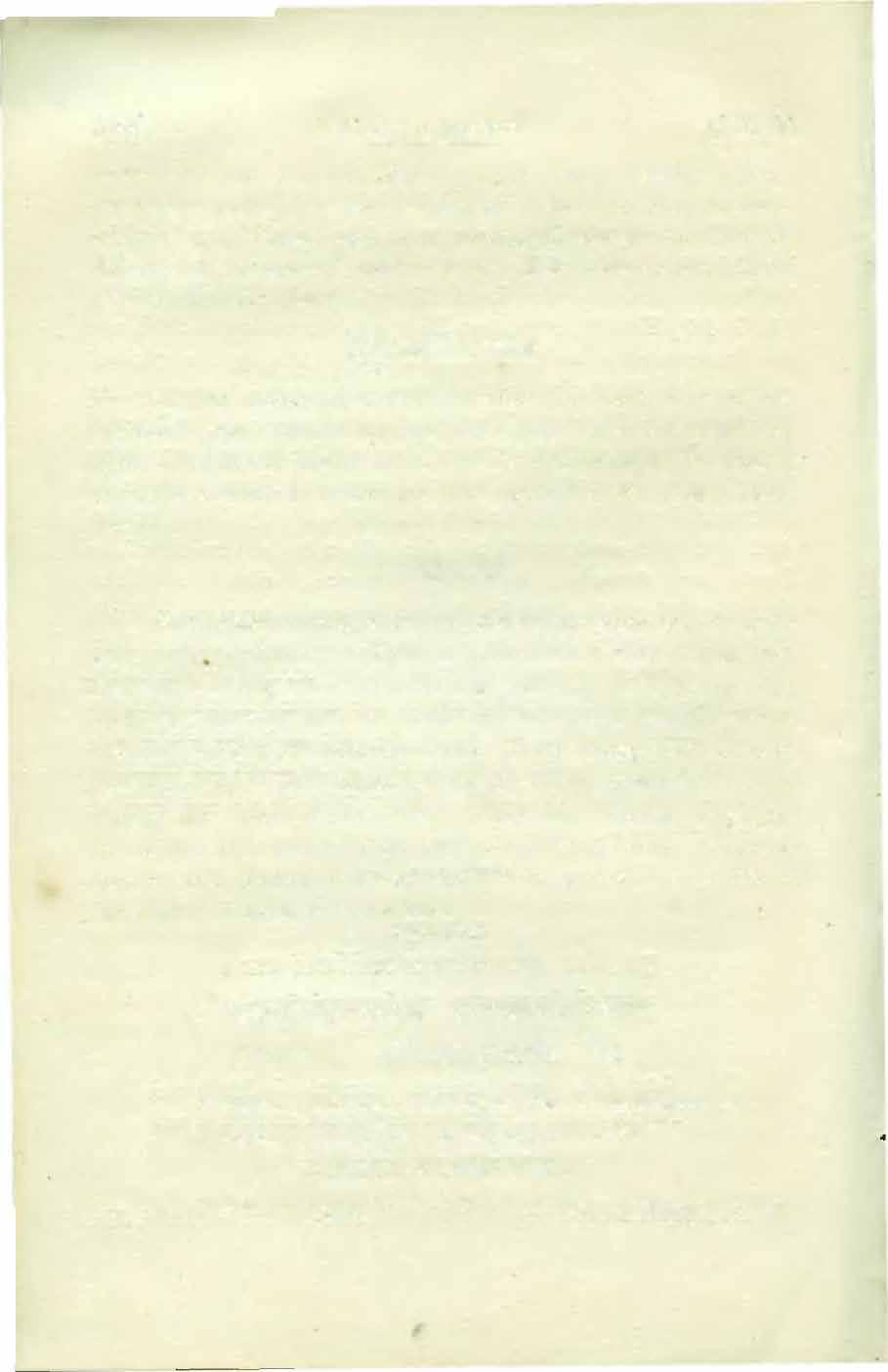
ENGLISH SYNONYMS
Karmani-performance of, Asmin-in this, Anaswase-without
SRI1U.D
18
1086
lUIAGWATAM: [Ch.
�q�-;tTcl{t�i�<n�' ....� '
it1f�;:��n�q��:na� "� 11 ....
�nqtlfttfa
any certainty, Dhuma-smoke, Dhumratmanam-tinged body and mind, Bhavan-your goodse1f, Apayayati-very mu::>hpleasing, Govinda-the Personality ofGodhead, Pada-feet, Padmasava-nectarine oflotus flower, Madhu-honey.
TRANSLATION
The sages said, "we have just begun performance ofthis fruitive activity namely sacrificial fire without any certainty ofits result on account ofmany frailties in the action. Our body has balckened by the smoke but we are factually pleased by the nectarine, of the lotus feet ofthe Personality of Godhead Govind, administered by you.''
PURPORT
The sacrificial fire kindled by the sages of Naimisaranya was certainly full of smoke and doubts on account ofso many flaws in such activity. The first flaw is that .there is acute scarcity of expert Brahmins able to carry out such performances successfully in this age ofKali. Any discrepancy in such sacrifices spoils the whole show and the result is uncertain like that in the matter of agricul.. tural enterprises. Good result oftiUing the paddy field depends on providential rain and therefore the result is uncertain. Similarly performances of any kind ofsacrifice in this age ofKali is also uncertain. Unscrupulous greedy Brahmins ofthe age ofKali induce innocent public for such uncertain sacrificial show without disclosing the scriptural injunction that in the age ofKali there is no other fruitful sacrifialperformance, except the sacrifice of congregational chanting of the holy name ofthe Lord.
Suta
Goswami was narrating such transcendental name and glories of the Lord before the congregation ofsages and they were factually perceiving result ofhearing ofthe transcendental activities of the Lord. One can feel like that practicaJly as much as one can feel the result of eating food stuff within oneself. spiritual realisation acts in that way.
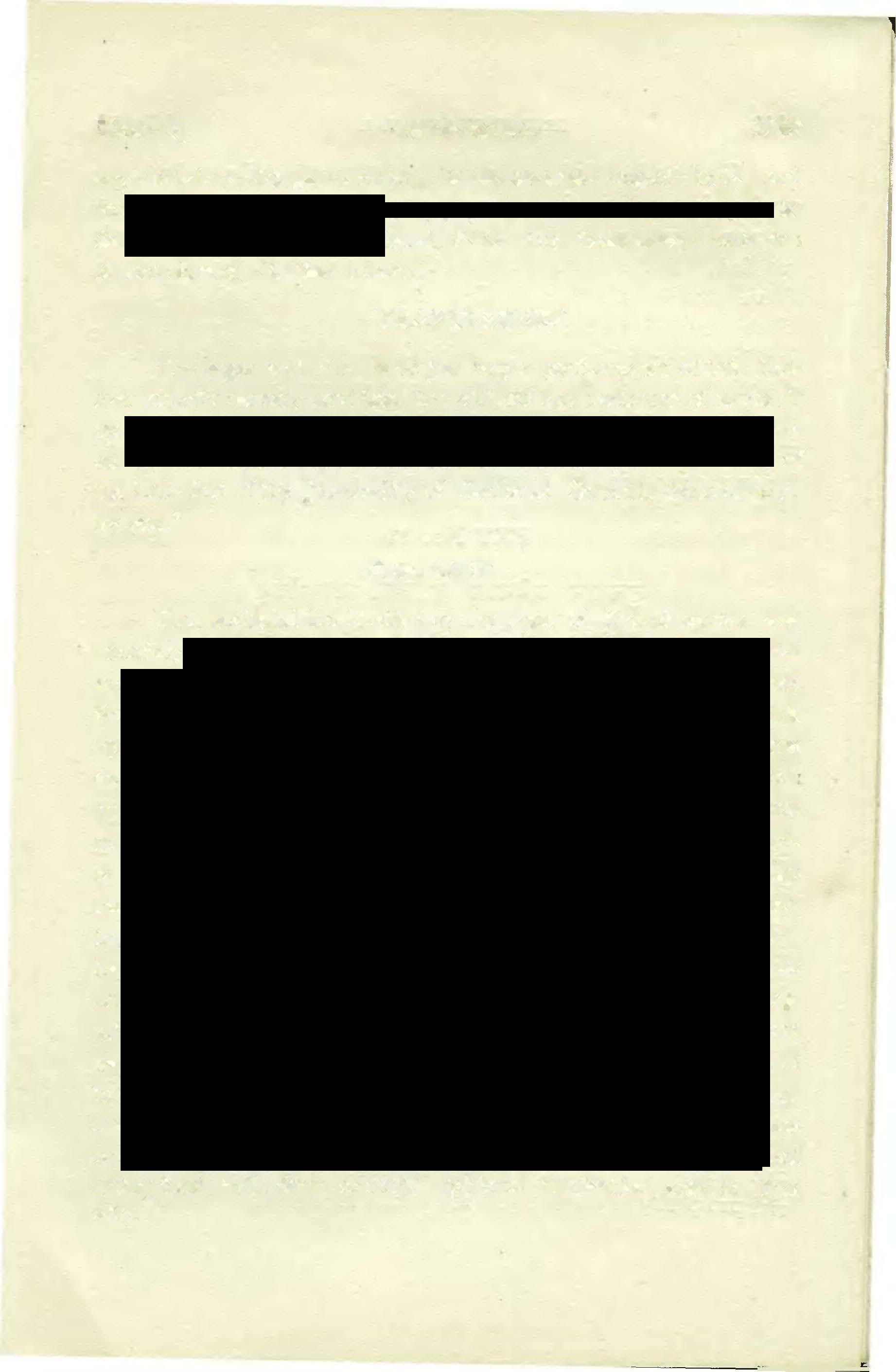
Text 12] FIRSTCANTO 1087
, l
The sages ofNaimisaranya were practicallysufferers from the smoke ofa sacrificial fire and were doubtful about the result; but by hearing fro� a realised person like SutaGoswami}hey were fully satisfied. In the Brahmavaivarta Puranam it is said by Vishnu to Shiva that in the age of Kali men full with anxieties ofvarious kinds, can vainly labour in the matter offiuitive activity and philosophical speculations but when they �re engaged in the matter of devotional service, the result is sure and certain without any loss of energy. In other words anything performed either for spiritual realisaiion or for material benefit, can not be successful without being accompanied by devotional service ofthe Lord• •
EXT

Tulayamfl lavena api na swargam na apunarbhavam Bhagwatsamgi sangasya martanam kim uia ashisah.
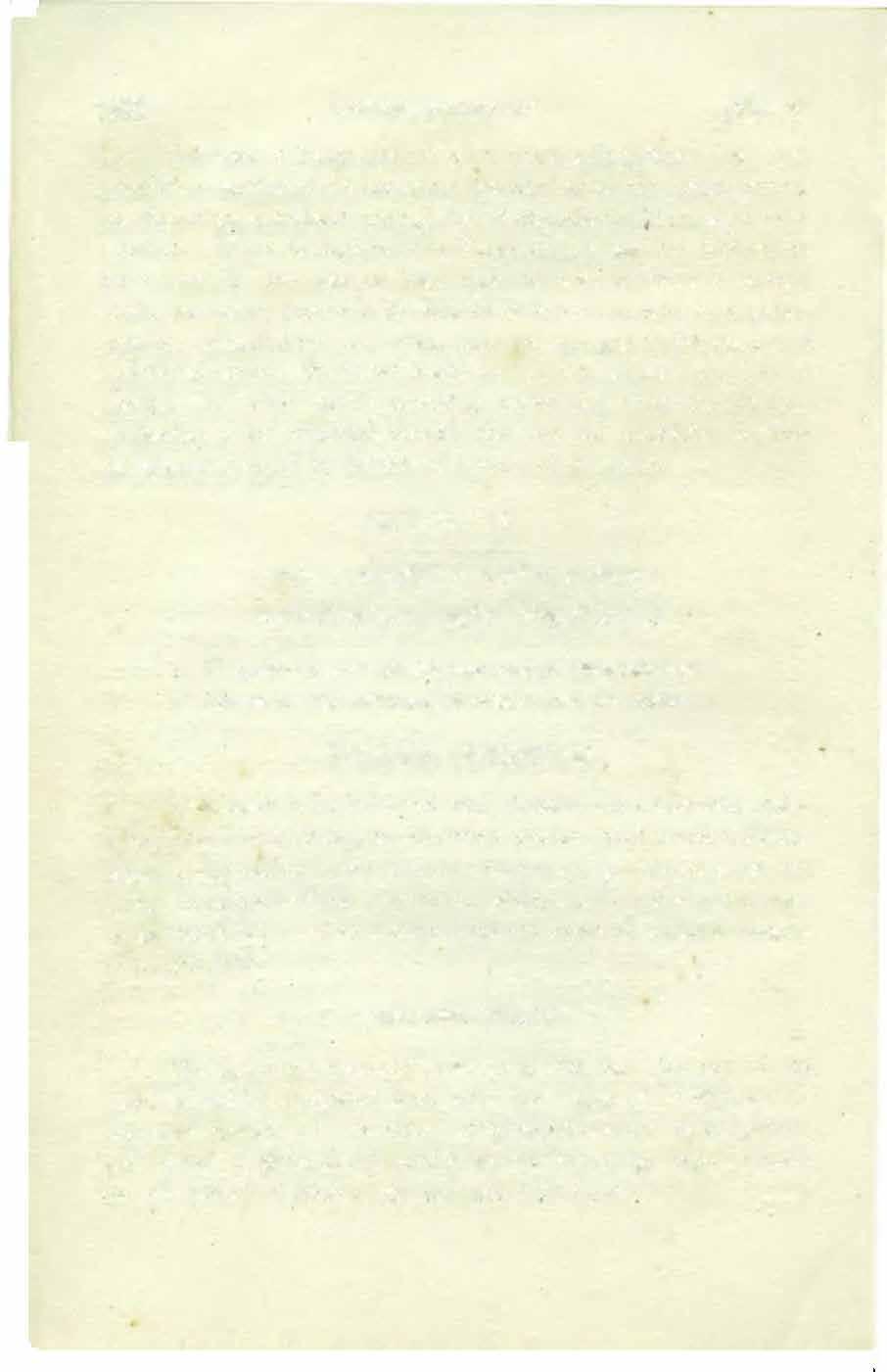
ENGLISH SYNONYMS
Tulayama-to be balanced with, Lavena-by a moment, Apieven, Na -never, Swargam-heavenly planets, Na-neither, Apunarbhavam-liberation from matter, Bhagwatsamgi-Devotee of the Lord, Samgarya-of the association, Martanam-thosewho are meant for death, Kim-what is there, Uta-to speak of, Ashisah-worldly beuediction.
TRANSLATION
The value of a moment's assocition with the devotee of the Lord cannot be compared even with the value of attainment of heavenly planets or becoming birthless (liberation from matter) and what to speak about wordly benediction in the shape of material prosperity ofpersons who are meant for death.
1088 SRIMAD BHAGWATAM [G:h. 18
No.
g�tflil' �...Tfq ;r \=qq ;rT�;r�� ' �"��fq�q�tr il'(trf.ti f'fi��nf�q: ''
13
When there are some points of similarities it is possible then to compare one thing with similar another. As such one cannot compare association ofa pure':devootee, :with anything materially valuable. Men who are too much addicted with material happiness, aspire after reachiNg the heavenly planets like the planet of Moon, Venus lndraloka etc and those who are advar1ced in matesial philosophical speculations do aspire after liberation from all material bondage. When onebecomes fi·ustratedin all kindsofmate� rial advancement ofprosperity, one deFires after the opposite number of liberation which is called Apunarbhava or not to take birth again. But the pure devotees ofthe Lord do not aspire after the happiness obtained in the heavenly kingdom neither do they aspire after liberation from the material bondage. In other words for the pure devotees ofthe Lord the material pleasures obtainable in the heavenly planets are something like pl-tantasmagoria and because they are already liberated from all material conception of pleasure and distresses, they are factually liberated even in the '11atelial world. This means the pure devotees ofthe Lord are engaged in a different transcendental objective ofexistence namely in the loving service of the Lord in F1is material world or in the spiritual world. As-government servant is always the same, either in the office or at home or at any place, so a devotee has nothing to do with anything material and they are exclusively engaged in the matter oftranscendental service ofthe Lord. As they have nothing to do with anything material what pleasuse they can derive in the matter ofmaterial benedictions like kingship or similal other over· lordship which are finished quickly along with the end ofthe body. Devotional service is eternal and it has no finishing because it is spiritual. Such transcendental engagement is eternal and is never to be finish::d. Therefore, the assets, of a pure devotee being completely different from material assets, there is no question of comparision between the two. Suta Goswami was a pure devotee

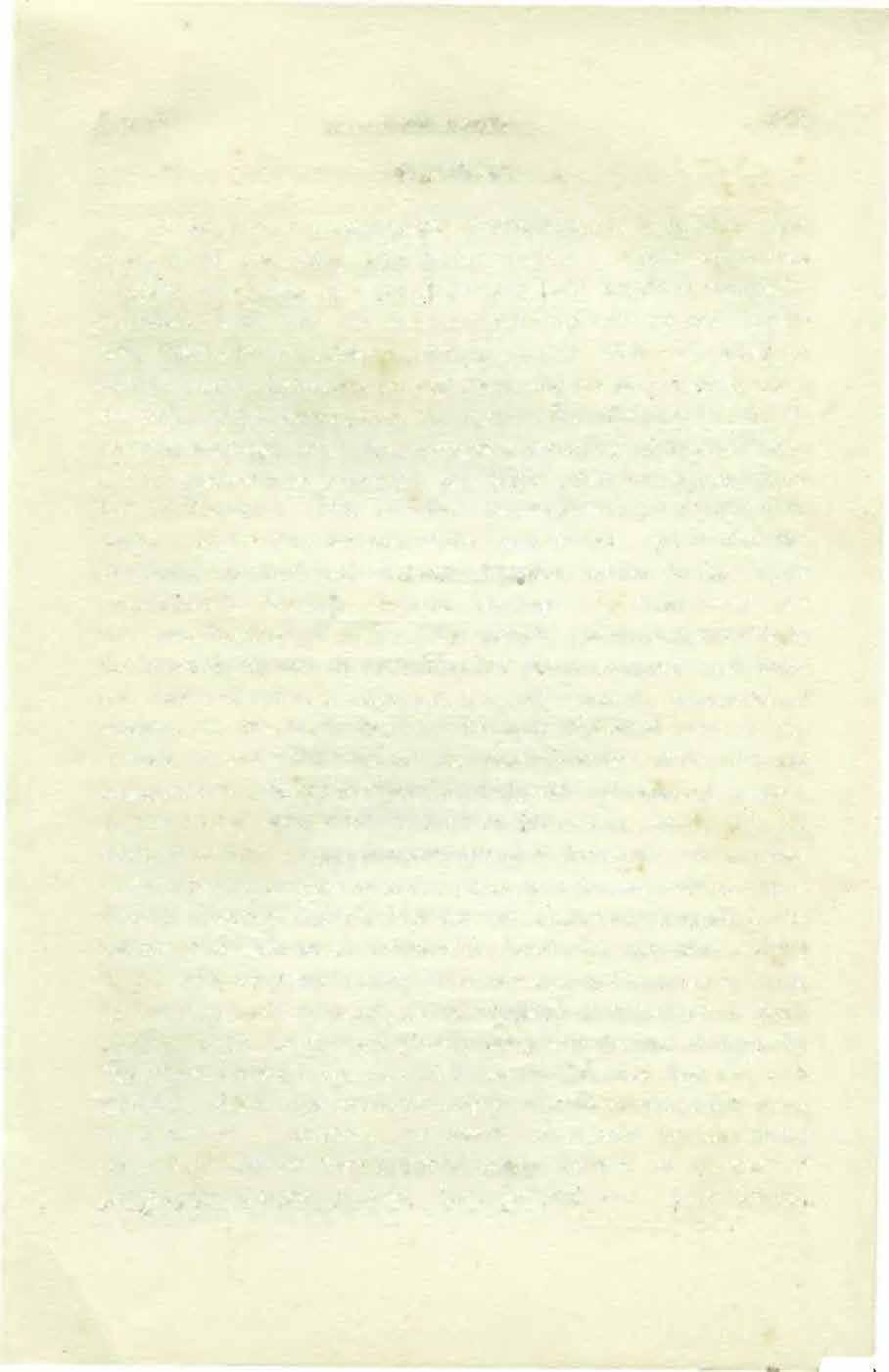
Tet 13] FffiSTCANTO 1089
PURPORT
ofthe Lord and therefore his association for the Rishis in the Naimisaranya engaged in fruitive sacrificial activities, is not comparable. Association of Suta Goswami for the sage is unique. In the material world, association of the gross materialists is veritably cnndemmed. The materialiset is called, yoshitsamgi or one who is much attached with material engagement ofwomen and paraphernalia. Such attachment is conditioned because it drives away benidictions of life and prosparity. And just the opposite number is ''Bhagwatsamgi' or one who is always in the association ofthe Lord's Name Form Qualities etc. Such association is always disirable, it is worshipable, it is praiseworthy and one may accept as the highest goal of life.
TEXT
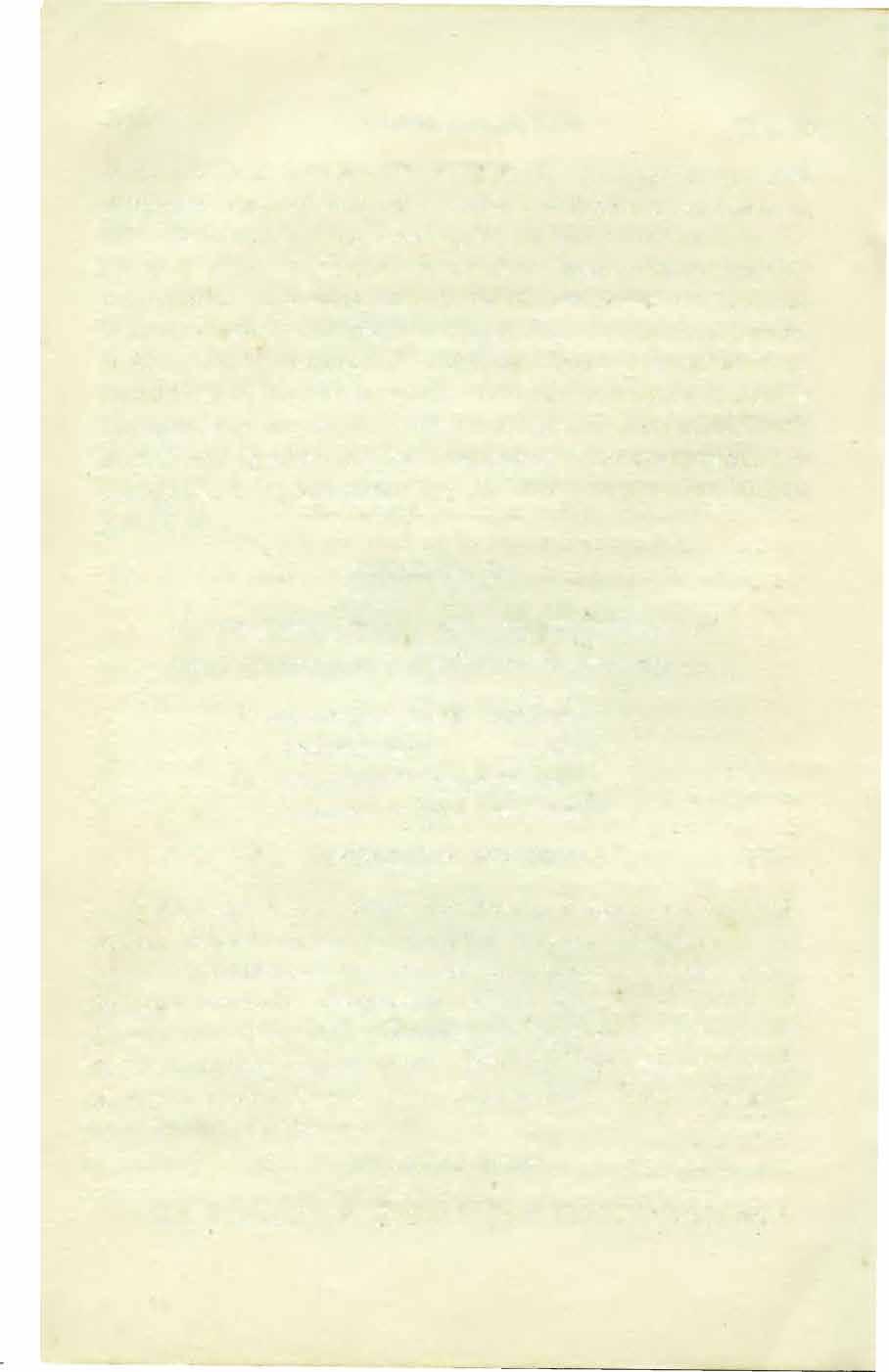
No. 14
�) �y:q
Ko nama tripyed rasauit kathayam
Mahattamaikanta parayanasya
Na antamgunananl agunasyaJagmur 'Yogeswaraye bhavapadma mukhya.
ENGLISH SYNONYMS
Ka-who is he, Nama-specifically, Tripyed-get full satisfaction, Rasavit-expert in relishing mellow, Kathayam-in the topics of, Mahattama-the greatest amongst the living being, Ekanta-exclusiveiy, Parayanasya--of one who is the shelter of, Na-never, antam-end, Gunanam-of attributes, Agunasya-of the trascendence, Jagmur-could ascertain, Togeswara--the lords of mystic power, 'Ye-all they, Bhava-Lord Shiva, Padma-Lord Brahma, Mukhyah-heads.
TRANSLATION
The personality of Godhead Lord Krishna (Govlnda); 1s
1090 SRIM.AD BHAGWATAMj [Ch. 18
Cittt� '{�fe«F.ti�TlfT :q����T;:at"R:TlfQT'll I ill;:� �'Gflillff�'Jf�lf \if��tifit���T lr ';I'Cfl:fl1Q'�T: Il
the exclusive shelter for all the greatest ofthe living being and His transcendental attributes could not be measured even by the heads of mystic powers hkeLordShivaandLord Brahma. Can any one, who is expert in relishing mellow, be fully satisfied by hearing the topics of Him?

PURPORT
Lord Shiva and Lord Brahma are two heads ofthe df':migods. They are full ofmystic powers. Forexample Lord Shiva drunk an ocean of poison of which one drop is sufficient to kill an ordinary living being. Similarly Brahama could create many such powerful demigods including Lord Shiva. So they are Iswa�;as or the lords ofthe univene. But they are not the Supreme powerful. The Supreme powerful is Govinda Lord Krishna. He is trancendence and Histrancedental attributes could not be measured even by suchpowerful Iswaras like Sbiva and Brahma. Therefore. Lord Kriiilhna is the exclusive shelter of the greatest ofall living beings. Brahma is counted amongst the living beings but he is the greatest of all us. And whysuch great�stofall thelivingbeing is so much attached to the transcendental topic ofLord Krishna ? Because He is the reservoir ofall mellows. Every one wants to relish some kind of mellow from everything in use but one one who is engaged in lne transcendental loving service ofthe Lord cau derive unlimited mellow from such engagement. The Lord is unlimited and His Name, Attributes, Pastimes, Entourage variegatedness everything are unlimited and those who relish in them can do so unlimitedly and still no body feels satiated in such transcendental engagements. This fact in confirmed in the Padam Puranam and it is said thus.
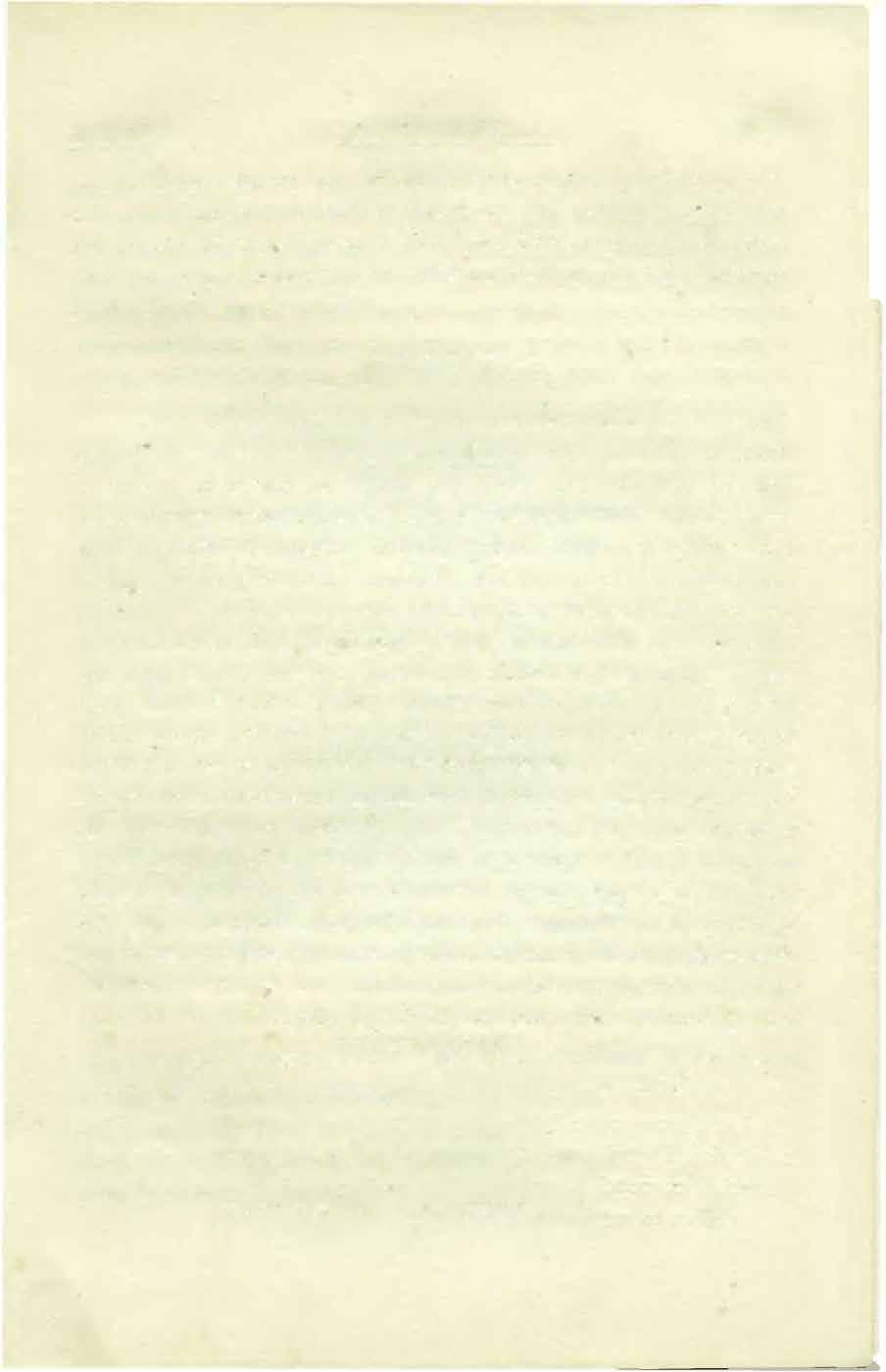
Text 14] Flll.ST CANTO l091
u1.:� r.O'ftt;:rs'l� mqr.:r�� f:q�n;rf.:r 1 tfttu" d'lT""t q�"�Tffl�Tlfa 1 1'' •
There is no end ofsuch transcendental discourses. In mundane affairs there is law of satiation but in the transcendence there is no such satiation. Suta Goswami desired to continue the topics of L'Jrd Krishna before the sages of Naimisaranya and sages also expressed their rradiness to hear from him continually; because the Lord being transcendence and this attributes being transcendental, such discourses increase receptive mood of the purified audience.
TEXT No. 15
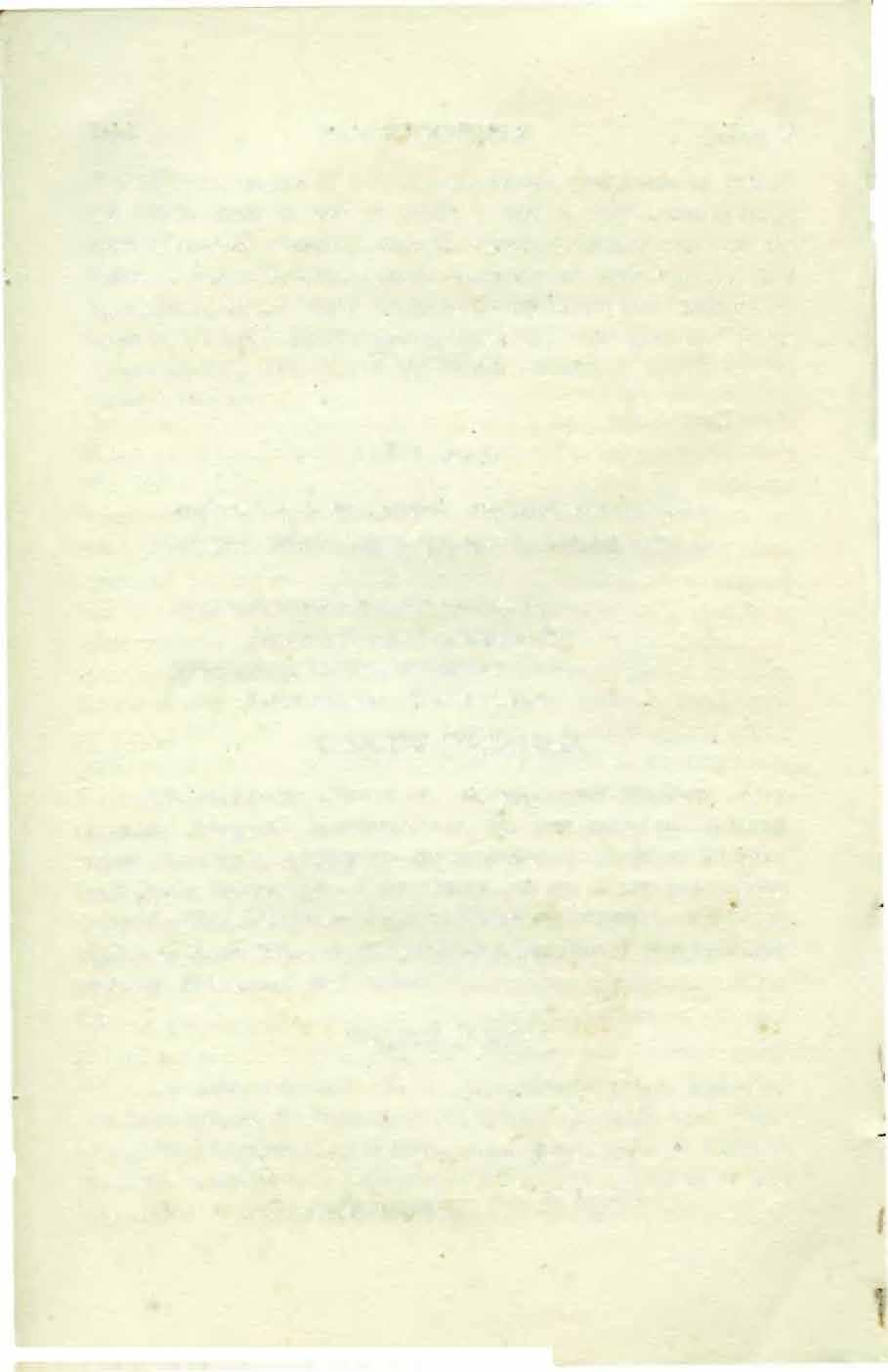
Tat no bhavan vai bhagawatpradhano Mahattamo ekanta parayanasya
Harer udaram charitam visuddham Sushrusatam no vitanotu vidwan.
ENGLISH SYNONYMS
Tat-therefore, No-of us, Bhavan-your goodself. Vaicertainly, Bhagawat-in relation with the qersonality of Godhead, Pradhano-chiefly, lv.lahattams-the greatest of all great, Ekantaexclusively, Parayana.rya-ofthe shelter, Harer-ofthe Lord, Udaram-impartial, Charitam-activities, Vishudham-transcendental, Sushrvsatam-those who are receptive, No-ourselves, Vitanotu-kindly describe, Vidwna-oh the learned.

TRANSLATION
Oo Suta Goswami you are learned and a pure devotee of the Lord because the Personaiity ofGodhead is chiefly your object ofservice. Therefore the pastimes ofthe Lord which is above all material oonoeption, may kindly be described by you to us who are anxious to receive suchmessages.
1092 SRIMAD BHAGWATA.M (Ch. 18
�;�) +rctTt:tcf;ff(Cf�SI�l'tt 'ftt�Tf�t;:a�r�T�'l�� t ��qql'� =trf�<f fct�:i ���t it) "'a't)g fcta9:••
The qualification of the speaker of the transcendental activities of the Lord, is that one should have only one object ofworship and service of Lord Krishna the Supreme Personality ofGodhead. And the audience for such topic are those who are anxious to hear about Him. When such combination is made possible namely the qualified speaker and the qualified ,audience it is then and there it becomes very much congenial to continue· the discourses of the transcendence. Professional speaker and materially absorbed audience cannot derive the real benefit from such discourses. Professional speakers make a show of Bhagwat Saptaha for the sake of family maintenance and the materially disposed audience hear such discouraes of Bhagwat Saptaha for some material benefit namely reli�iosity, wealth, gratification of the senses or liberation. Suchexchangebusines3 ofBhagwatam discourses, is not pur ified from the contamination of material qualities. But the discourses between the saints ofNaimisranya and Sri Suta Goswami are on the transcendental level for the sake ofhearing the Lord's activities without any motive for material gain. In such discourses only theliunlimited transcendental mellow is relished both by the audience and speaker and therefore they can continue the topics for many thousands of Bhagwat Saptahas held for seven days only and after finishing the show, both the audience and the speaker become engaged in material activities as usual. They can do so because neither the speaker is Bhagwat Pradhana nor the audience is Su1hrusu as explained above. •
TEXT

Text 16] FIBSTCANTO 1093 PURPORT
vai mahabhagawatah parikshit rena apvargakhyam adabhra buddhih
No. 16 " cl i{�nntr�(f: q�)f�C{ ��rq�rrf�q-�f{�if;g:: 1
�A�clq-r«f��fi�a" ll'� ""it;:r��iif.:t�"�" u ..... ' Sa
Jnanena -vaisaki sabditena
Bheje khagendra dhwaja padamulam.
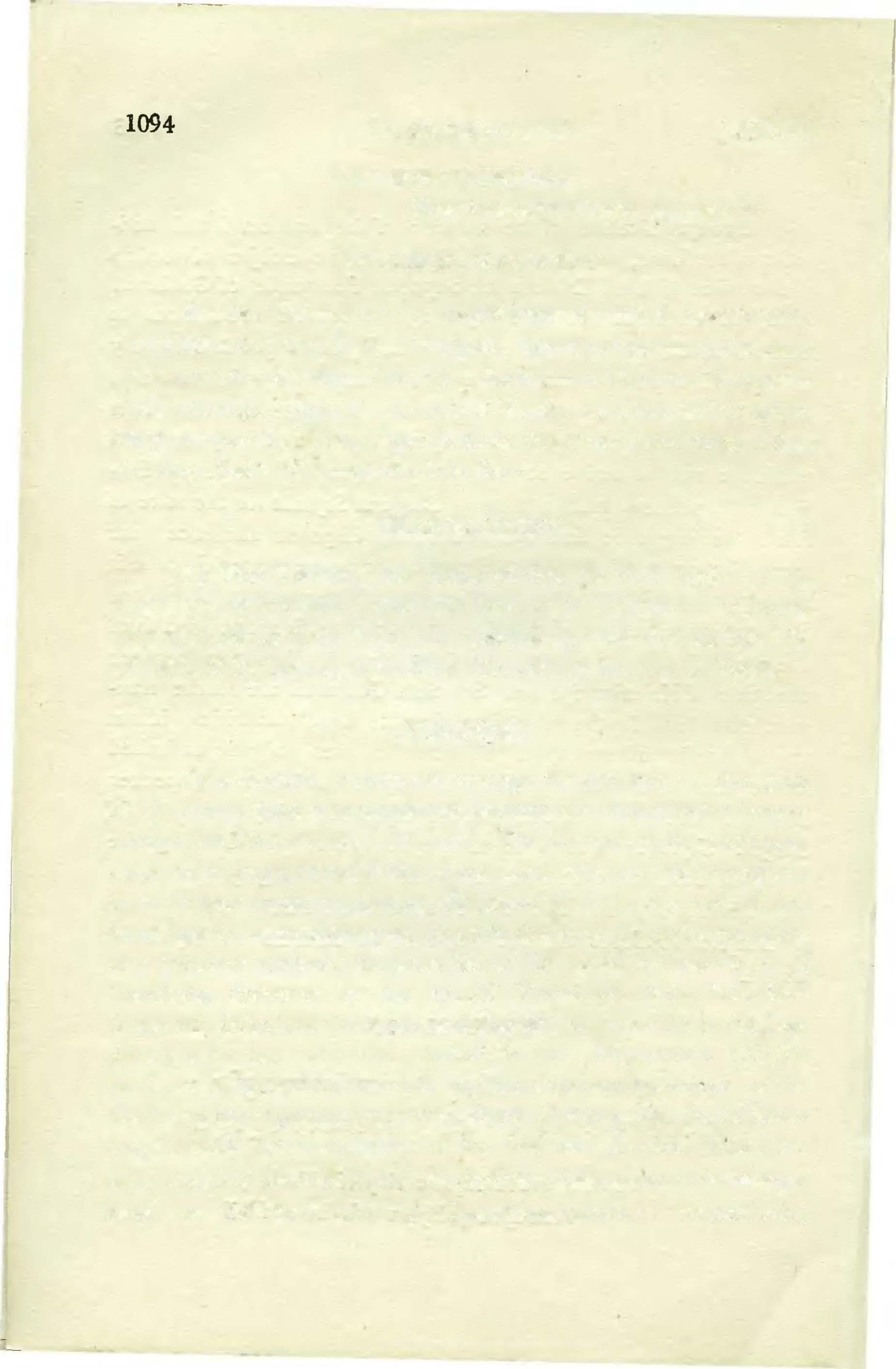
ENGLISH SYNONYMS
Sa-he, Vai-certainly, Mahabhagawatah-fi.rst cla<:;s devotee, Parikshit-thc king, rena-by which, Apavargakhyam-by the name ofliberation, Adabhra-fixed up, Buddhi-intelligence, Jnanenaby knowledge, Vaiasaki-the son ofVyasa, Sabditena-vibrated by, BheJe-taken to, Khagendra-Gaduda the king ofthe birds, Dhwaja-Hag, Padamuiam-palm of the feet.
TRANSLATION
Oh Suta Goswami you please do describe that topics of the Lord by which Maharaj Parikshit fixed up in intelligence of liberation attained the lotus feet of . the Lord shelter of Goduda the king ofthe bird by hearing instruction vibrated by the son ofVyasa,
PURPORT
There is some controversy amongst the students on the path of liberation. Such transcendental students are known as the impersonalist and the devotee ofthe Lord. The devotee ofthe Lord worships the transcendent;1l Form ofthe Lord, whereas the impersonalist meditates upon the glaring effulgence of the bodily ray of the Lord known as the Bthmajyoti. Here in this verse it is said that Maharaj Parikshit attained the lotus feet of the Lord by instructions of knowledge delivered by the son of Vyasadeva Srila Sukadeva Goswami. Sukadeva Goswami was also an impersonalist in the beginning as he has admitted himself in the Bhagwatam {2/1/9); but later on he was attracted by the transcendental pastimes ofthe Lord and thus became a devotee. Such devotees with perfect knowledgeiscalled Alahabhagawata or the first elass devotee. Tnere are three classes ofdevotee namely_,thePrakrito,lvfadhyam:and lvfahabhaga.. wata or the 3rd, 2lld, Is-�: class clar:s devotees respectively1
1094 SRIMAD BB..AGWATAM
[Ch. 17
The Prakiita or 3rd class devotees are temple worshippers without any specific knowledge ofthe Lord and the Lord's devotees, The Madlryam or the 2nd class devotee knows well the Lord, the Lord's devotee, the neophytes and the nondevotees also. But the Mahabha., gawata cr the first class devotee sees everything in relation with the Lordandthe Lordpresent in everyone's relation. The Mahabhagwata therefbrf> does not mak� any distinction particularly between a devoteeand non devotee. MaharajPasikshit was such Mahabhagwa� ta devotee because he was i ' nitiated by the Mahabhagawata devotee like Sukadeva Goswami.He was equally kind even to thepersonality of Kali and what to speak ofothers.
So there are many instances in the transcendental histories ofthe world that an impersonalist has later on become a devotee; but never a devotee has become an impersonlist. This very fact proves that on the transcendental steps, the step occupied by a devotee ishigher than the step occupied by the impersonlist. It is also stated in the Bhagwat Geeta (B. G. 12/5) that persons stuck up by the impersonal step undergoes more sufferings than:achievement of reality. Therefore knowledge imparted by Sukadeva Goswami unto the king Maharaj Parikshit, helped him to attain the service ofthe Lord. And to attain to this stage ofperfection is called Apauarga or the perfect stage ofliberation. Simple knowledge of liberation, is material knowledge. Actually freedom from material bondage is callt>d liberation; but to attain the transcendental service of the Lord is called the perfect stage ofliberation. Such stageis attained by knowledge and renunciation as we have already explained (Bhag.1/2/12}and pe rfect knowl edge as was delivered by Srila Sukd eva Goswami, re;ults in the attainmen(oftranscendental service ofthe Lord.
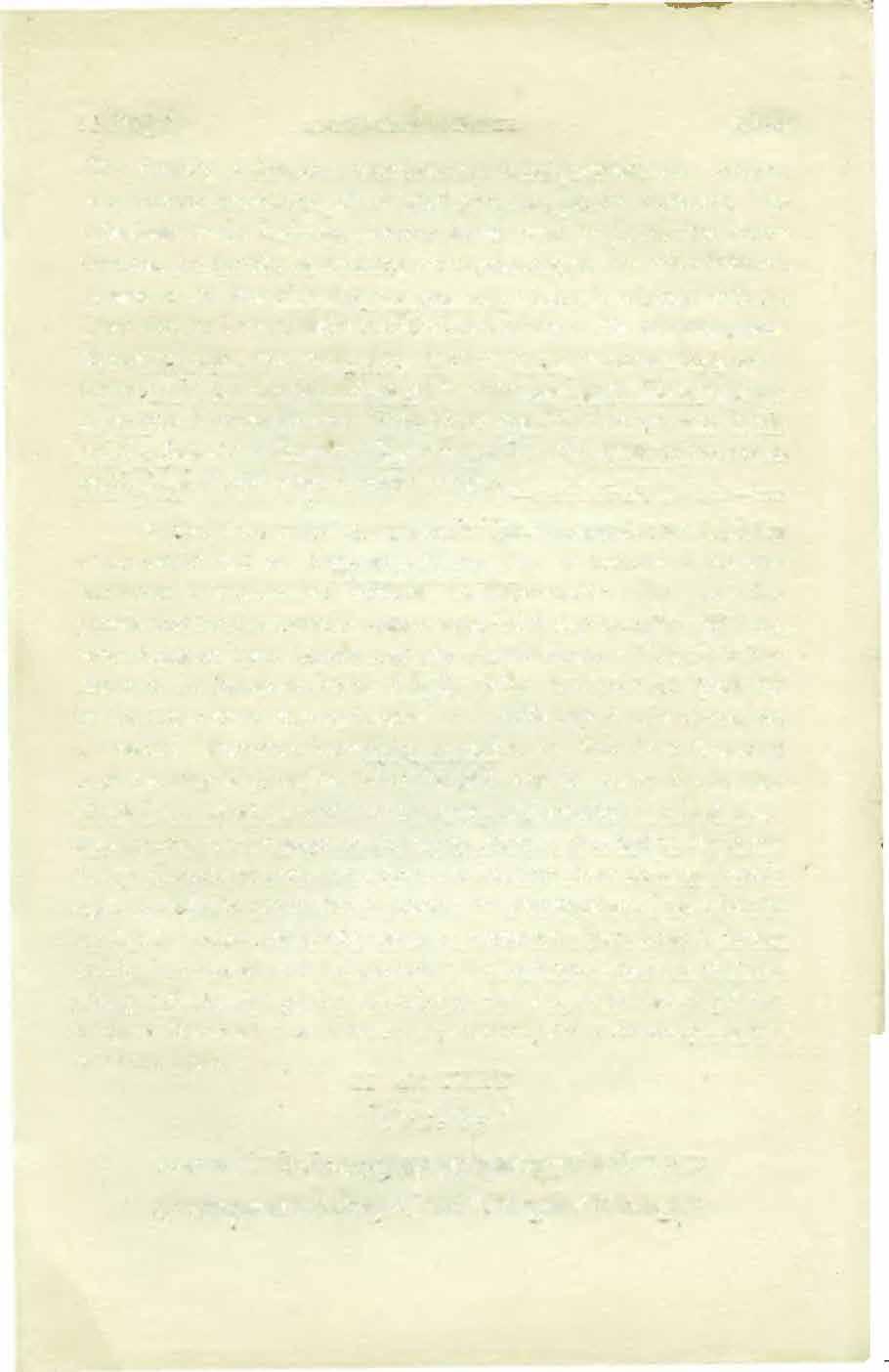
Text 17] FIRST CANTO 0 1095
TEXT No.. 17 a;:'f: q� �1Illtt��ar�iltT�qt�l:t�qC{�ar.ftttf��ol! 1 JAt�q��;:at:qf�cr)qq;:�: qt�'Tf�R� +tt�ti!iatf�'"'!''
Tat nah param punyam asambritartham
Akhyanam ati adbhuta yoganistham
Akhyahi ananta acharitam upapannam
Parikhitam bhagawata abhramam.
[Ch.
Tat-therefore, .Nahs-unto us, Param--Supreme, Punyam-purifying, Asambhritartham-as it is, Akhyanam-narration, Ati-very, .4.dbhutam-wonderfuJ, Yoganistha-compact in Bhaktiyoga, Akhyahi -describe, Ananta-the unlimited, Acharitam-activities, Upapannam-full of, Parikshitam-spoken to Maharaj Parikshit, Bhagawata ---.ofthe pure devotees, Ahhirama-particularly very dear.
TRANSLATION
Therefore you may narrate before us the narrations of the unlimited as they are purifying and supreme as they.:were spoken to Maharaj Parikshit full of Bhaktiyoga and very dear to the pure devotees.
PURPORT
TEXT No. 18 �tf�I!I'TII!I't ��) crli ��a-)sv �"" '!;f'2'!�'flfq �M\'ii'TaT: ' q:"\1s!j(OlfqTfi:J f��)fa' !ilTPf. ¥1��T'fJqf1t�Ali)IT: 'I


1096 '·
SRIMAD BHAGWAT4M
ENGLISH SYNONYMS 18
By mentioning what was spoken to Maharaj Parikshit and which is very dear to the pure devotees means Srimad Bhagwatam. Srimad Bhagwatam is mainly full ofthe narrations in respect ofthe activities of the Supreme unlimited and therefore it is the science of Bhaktiyoga or devotional service ofthe Lord. As such it is para or the supreme because although it is enriched with all knowledge and religiosity specifically it is enriched wit'-1 devotional service of the Lord.
FIRST CANTO

Suta Uvacha
Aho vayam janmabhrito at:[ya haasma
Briddhanuvrittyapi viloma.7atah.
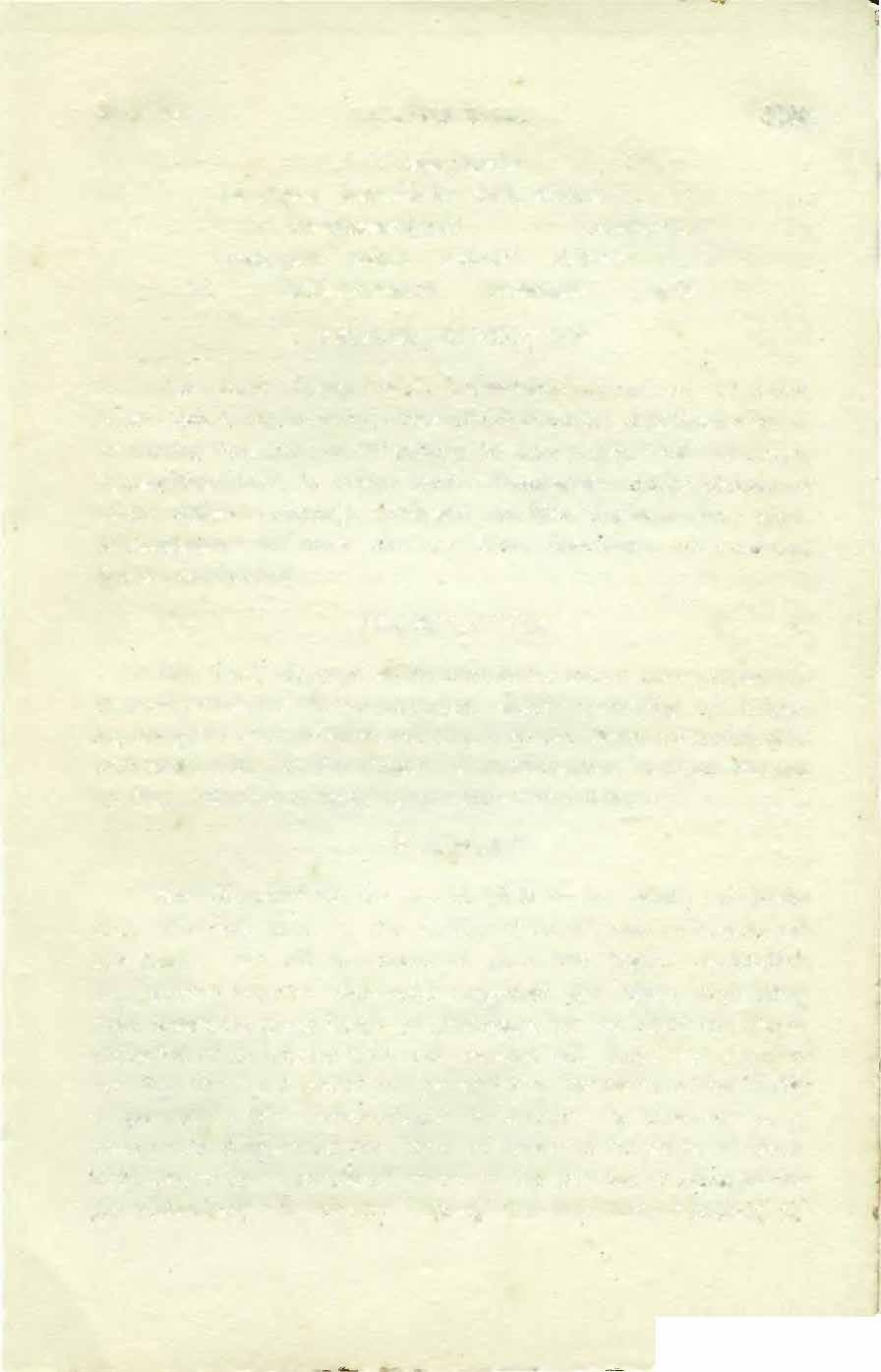
Douskuryam adhim vidunoti sighram
Mahattamanam abhidhana yogah.
ENGLISH SYNONYMS
Aho-how, Vayam-w�", Janmabhrito-promoted in birth, Acrya-today,Ha-dearly, A1ma-have become, Briddhanuvrittyaby serving those who are advam�ed inknowledge, Api-although, Vilomajatah-born in mixed caste, Douskuryam-rl isqualification of birth, Adhim---su:fferings, Vidhunoti-purifier, Sighram-very soon, Mahattamanam-ofthose vvho are great, Abhidhana-convers:1tion, rogah�-connection.


TRANSLATION
Oh, God, althoughwe are hom in the mixed caste still we are distinctly promoted in our birthright simply by serving and following the great who are advanced in knowledge. Even by connection with great souls in the matter of conversation, one can cleanse up disqualification oflower birth without any delay.
PURPORT
Suta Goswami did not take his birth in the family of Brahmin. He was born in the family ofmixed caste or uncultured low family. But still on account of good and higher association like learning from Sri Sukadeva Goswarni and again explaining them before the great Rishis of Naimsaranya, certainly the disqualification ofhis inferior birth was washed off. Lord Sri Chaitanya Mahaprabhu followed this principles in pursuance ofthe Vedic usages and by His transcendental association He elevated many low-born or di:;qualified by b1rth or action to the status ofdevotional service and established them intheposition ofAcharyas or the authorities, He clearly defined that any man whatever he·
Text 18]
1097
j
may be either a Brahmin or Sudra by birth, or a house-holder or mendicant by the order of society, if one is conversant with the science of Krashna, one can be accepted as the Acharya ot Guru the spirtual master.

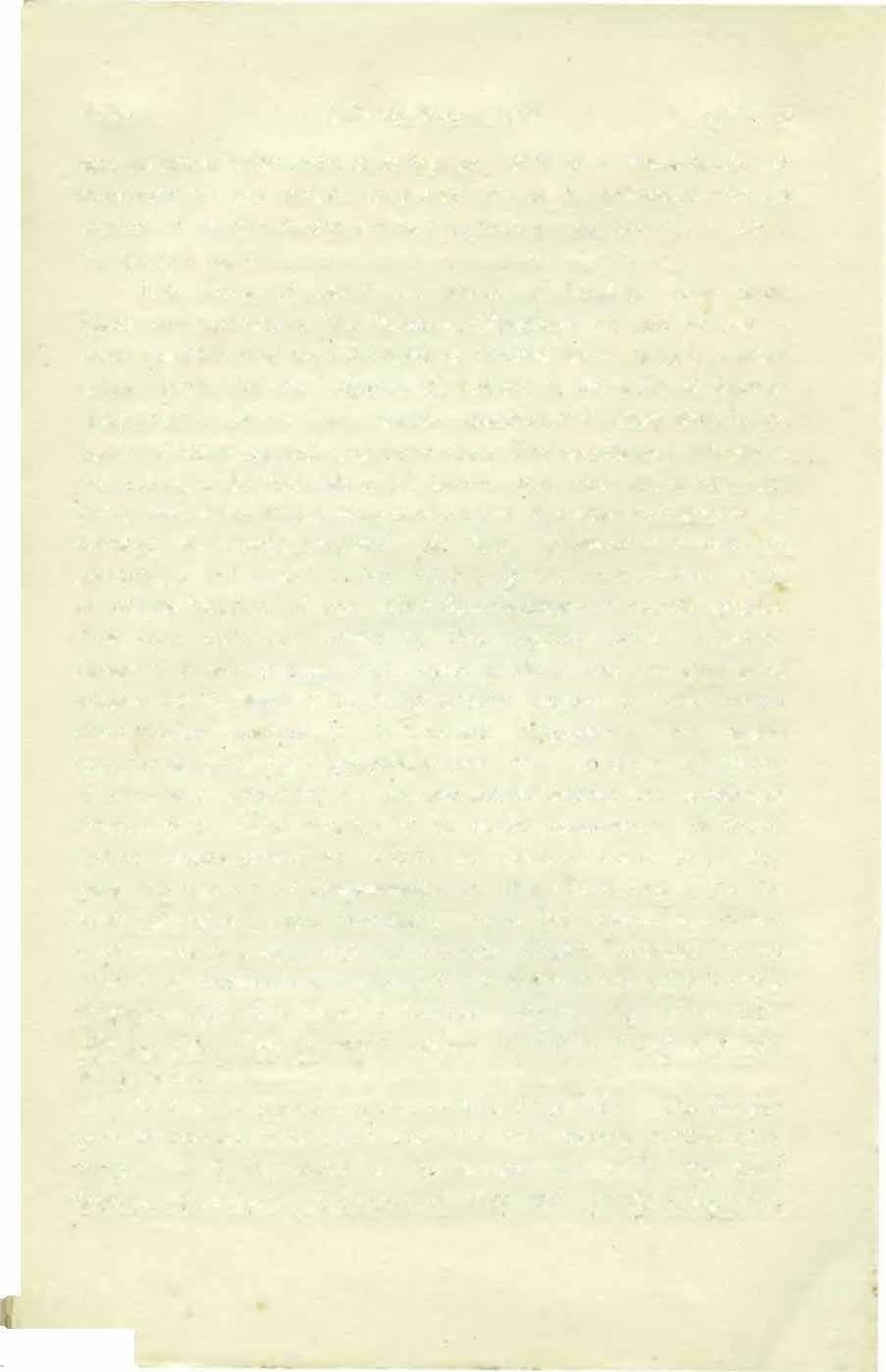
Suta Goswami learnt the science of Krishna from great Rishis and authorities like Sukdeva, Vyasdeva etc and he was so much qualified that even the sages of Naimisaranya eagerly wanted to hear from him the science of Krishna in the form of Srimad Bhagwatam. So he had double association of great souls in the matter of hearning and preaching also. Transcendental science or thescience of Krishna has to be learnt from the authorities and being conversant in the science when one preaches the science, he becomes still more q ualified. So Suta Goswami had both the advahtages and as such undoubtedly he was completely freed from all disqualification of low birth disadvantages ofmental agonies. This verse defini te] y proves it, that neither Srila Sukadeva Goswami denied to teachSuta Goswami about the transcendental science nor the sages of the Naimisaranya denied to have lessons from him on account of his inferior birth-right. This means that thousands ofyears before also there was no: bar in the matter of learning or preaching the transcendental science on account of inferior birth. The rigidity of so called caste-system in Hindu society became prominent within one hundred years or so only when the number of Dwijabandhus or disqualified men in the the family of higher castes, increased. Lord Sri Chaitanya revived original vedic system and He elevated Thakur Haridas to the position of Namacharya orthe authority in the matter ofpreaching the glories ofthe holy Name ofthe Lord, although His Holiness SrHa Haridas Thakur was pleased to appear himself in the family of a Mahamedan.
Such is the power of pure devotees ofthe Lord. The Ganges water is accepted to be pure and one can become purified after taking bath in the water of the Ganges; but so far the great devotees of the Lord are concerned they can purify a degraded
1098 SRIMADBHAGWAT.AM [Ch. 18
soul even by being seen by the low born and what to speak of associating with them ? Lord Sri Chaitanya Mahaprbhu wanted to purify the whole atmosphere oftbe poluted world by sending qualified preachers all over the world and it remains with the Indians only to take up the task scientifically and thus to do the best kind of humanitarian work of preaehing the holy Name of the Lord by qualified men than to imm;tate some sterio-typ�d immitation philonthrophic work like opening ofhospitals etc. The mental disease ofthe present generation is more acute than bodily diseases; it is quite fitness of things and proper to take up the work ofpreaching Srimad Bhagwatam all oven the world by proper personalities and without any delay. MahattamanamAbhidhana means also dictionary ofgreat devotees or a book full ofthe words of great devotees. Suchdictionary of the word:.� of great devotees and that ofthe Lord in the Veda and allied literatures specificallythe Srimad Bhagwatam."
TEXT No. l9
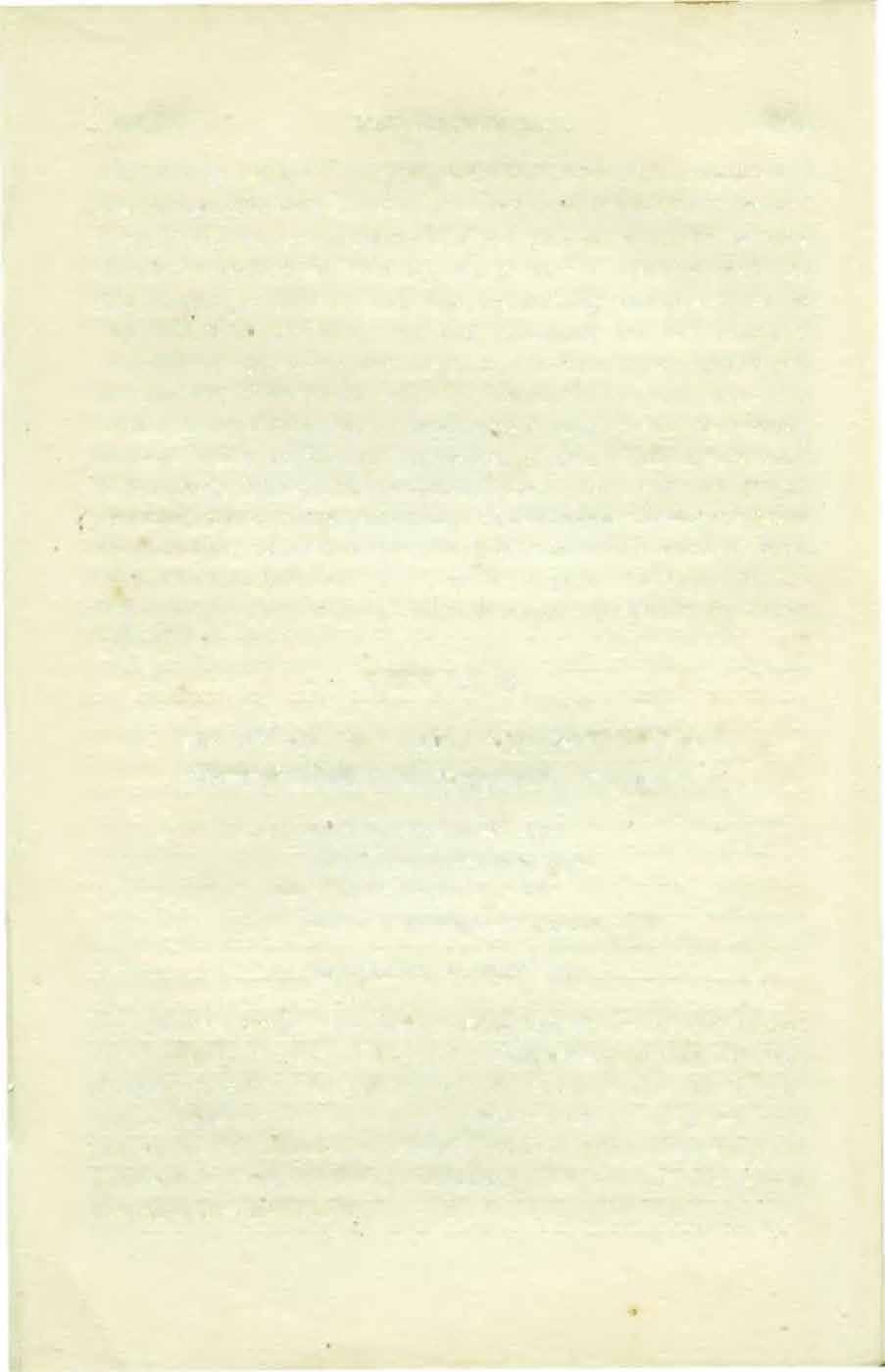
�Cf:�PI�..Gfff) t:fT'f m:q t:r�-fCllT;ffq�f�Gf�q l
�)stt;:a�nw"qtfTtttt'm
Kutah punar grinatah nama tasya A1ahattama ekanta jJarayansya. To ananta skaktirbhagwan ananto Mahad gunatwatyam anantam ahu.
ENGLISH SYNONYMS
1,
Kutah-what to say, Punar-again, Grinatah-one who chants, Nama-holy Name, Tasya-his, Makattama-great devotees, Ekanta-exclusive, Parayanasya-ofone who is shelter of, To-He who, Ananta-is the unlimited, Shakti-potency, Bhagawan-the Personality of Godhead, Ananto-immeasurable, Mahad-great, Gunatwat-on account ofsucb attributes, ram -whom, Ananta-by the name, Ahu-is called.
Text 19] FIRST CANTO 1099
"���<{ �"'{;ct"rg-:
What to say about those who under the direction of great devotees chant the holy name ofthe unlimited Who has unlimited potency. fhe Pers mality of Godhead being unlimited in potency and trascendental by attributes,i.; called the Ananta (unlimited ) .
PURPORT

The DwiJabandhu class- of men or the less intelligent uncultured members born ofhigher castes, do put forward many arguments against the pri nciple of lower caste:man ' s becoming a Brahmin even in this l ife. They argue that birth in the family of Sudras or less than the Sudras1 is made possible by one's previous sinful acts and therefore one has to complete the terms of disadvantages due to lower birth. And to answer these false logicians, Srimad Bhagwatam asserts that one who chants the holy name of the Lord under the direction of pure devotees can at once get free from the disadvantages due to lower . caste birth. A pure devotee ofthe Lord does not commit any offence while chanting the holy name of the Lord. There are ten different kinds of offences in the matter of chanting the holy name of the Lord and to chant the holy name of the Lord under the direction ofa pure devotee means offenceless chanting. Offenceless chanting of the holy name of the Lord is transcendental and, therefore, such chanting of the holy name can at once purify one from the effects ofall kinds of previous sins. This offenceless chanting means that one has fully understood the transcendental na ture of the holy nam e and thus surrendered unto the Lord. Transcendentally the holy name ofthe Lord and the Lord Himself isidenticala� Absolute. Such offen celess holy Name ofthe Lord is as p owerfu l a'J the Lord. The Lord is ail pow erful Personality of Godhead and He has innumerable Names which are all non-different from Him and are equa lly powerful also. In the last word ofthe Bhagwat Geeta the Lord asserts that any one who surrenders fully untoHim, is protected from all sins
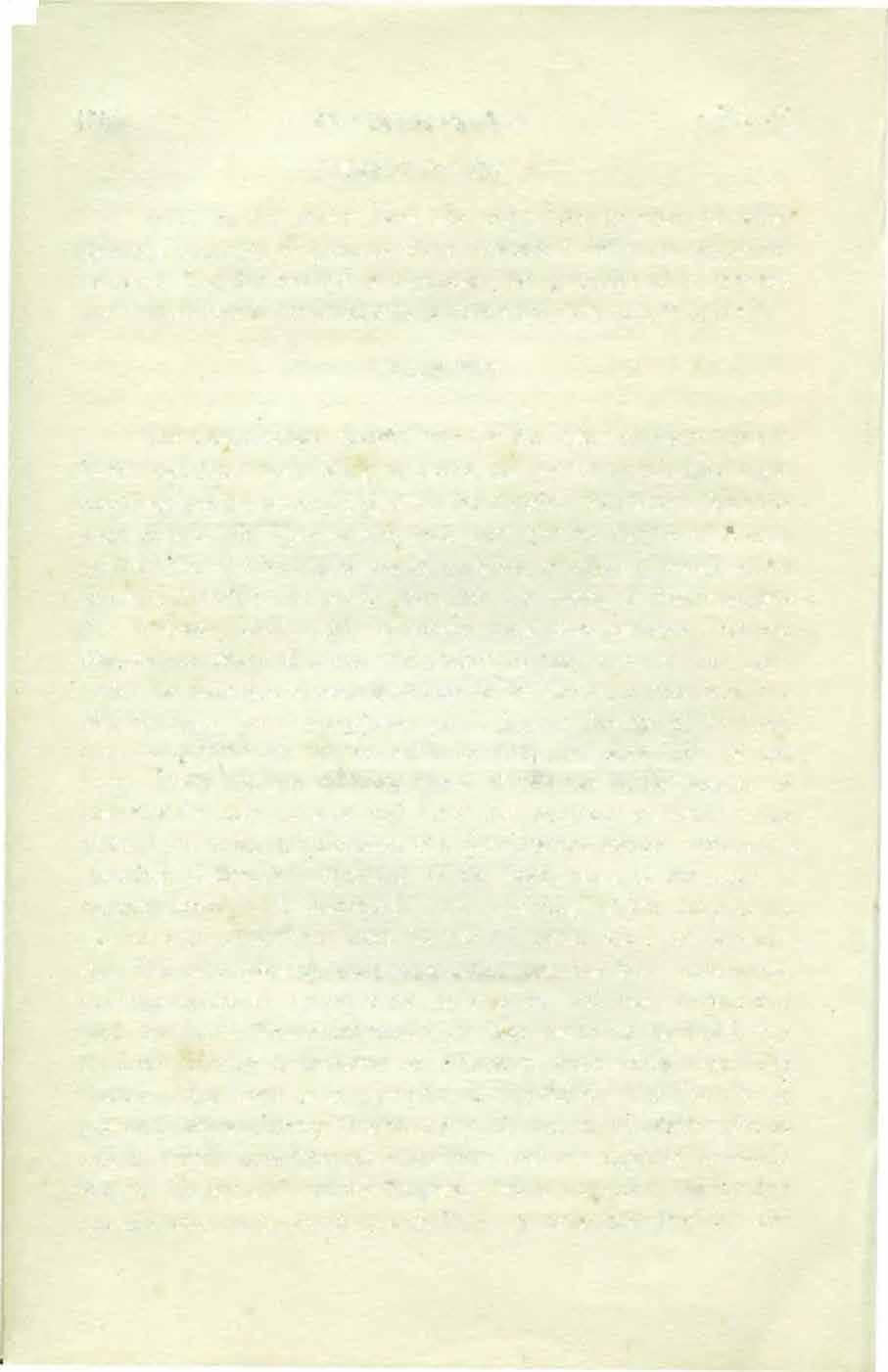
1100 SRIMADBRA.GWATAM TRANSLATION · (Ch. 18
by the Grace ofthe Lord. And His Name, and He Himself being identical the holy Name of the Lord can similarly protect the devotee from all effects of sins. The chanting of the holy name of the Lord on acconnt of His becoming equally powerful like the Lord, can undoubtedly deliver one from the disadvantages of lower caste birth. The Lord's unlimited power is extended on and on by unlimited expansion ofdevotee and incarnations and as such every devotee of the Lord and incarnation also can equallybe surcharged with the unlimited potency of the Lord. The devotees thus being surcharged with the"'poteney ofthe Lord even by fractional parts, the disqualification due to lower birth forprevious reaction of sinful acts, cannot stand in the way.
TEXT
No. 20

Etavata alam nanu suchitena
Gunair asamya anatisayanasya. Hitwa itaran prarthayatoa hihhutir rasyamghri renum jushate anahhilsoh.
ENGLISH SYNONYMS
Etavata-so far so, Alai:t-unnecessary, Nanu-if at a1l, Sucki· tena-by description, Gunair-by attributes, .A.samya-immeasurable, Arzatisayanarya-0f one who is unexcelled, Hitwa-1eaving aside, ltaran-othen, Pratlryator--of those who ask for. Bibhutir-fovour of fortune goddess, ra.rya-one whose, Amghri-feet, Jushate-serves, Anabhipsoh-ofone who is unwilling.
TRANSLATION
So far it is now ascertained tl1at He (the Personality of God· head) is unlimited and there is non equal with Him. As such no
Text 20] FIRSTCANTO 1101
({CfTq'i:fT�if2�f;:fS'l ��T�T�fam�tt ' f���cn:ti{ snqu:a)fq-�fattf?tJT�fst� GJ:QftS'f'lita): aa
body can completely say anything about Him. The reason is that great demigods even by prayers cannot abtain the favour of goddess offortune butthe same goddess offortune renders service unto the Lord although He is unwilling t0 have such service.
PURPORT
The Personality of Godhead orthe ParamaeswaraParam Brahma is described in the Srutis that He has nothing to do, He has no equal neither hehas any one excelling Him. He has unlimited pot· encies and every action of Him iscarried systematically in His natural and perfect ways. Assuchthe Supreme Personality of Godhead is full in Hinselfand he has nothingto accept from any one else including thegreatdemigodslikeBrahma and others do ask for the favour of theGodrless of fortune and inspite of such prayers the goddess of fortune declines to award such favours. But still she rendersservice unto the Supreme Peronality of Godhead although He has nothingto accept from Her. The Personality of Godhead is his Mahavishna feature begets the first created person, in the material world, Brahma from His naval stem of lotus and not in the womb of the Goddess�of fortunes who is eternally engaged in His service� These are some of the instances a bout His complete independence and perfection in Himself 'He has nothing to do' does not mean that He is impersonal. He is !transcendentally so full of inconceivable potencies that simply by His wiUing, everything is done without anyphysical or fi>ersonal endeavour. He is called therefore as yogeswara or the Lord ofall mystic powers.
TEXT No.

Sa isham puaati anyatamo mukundat
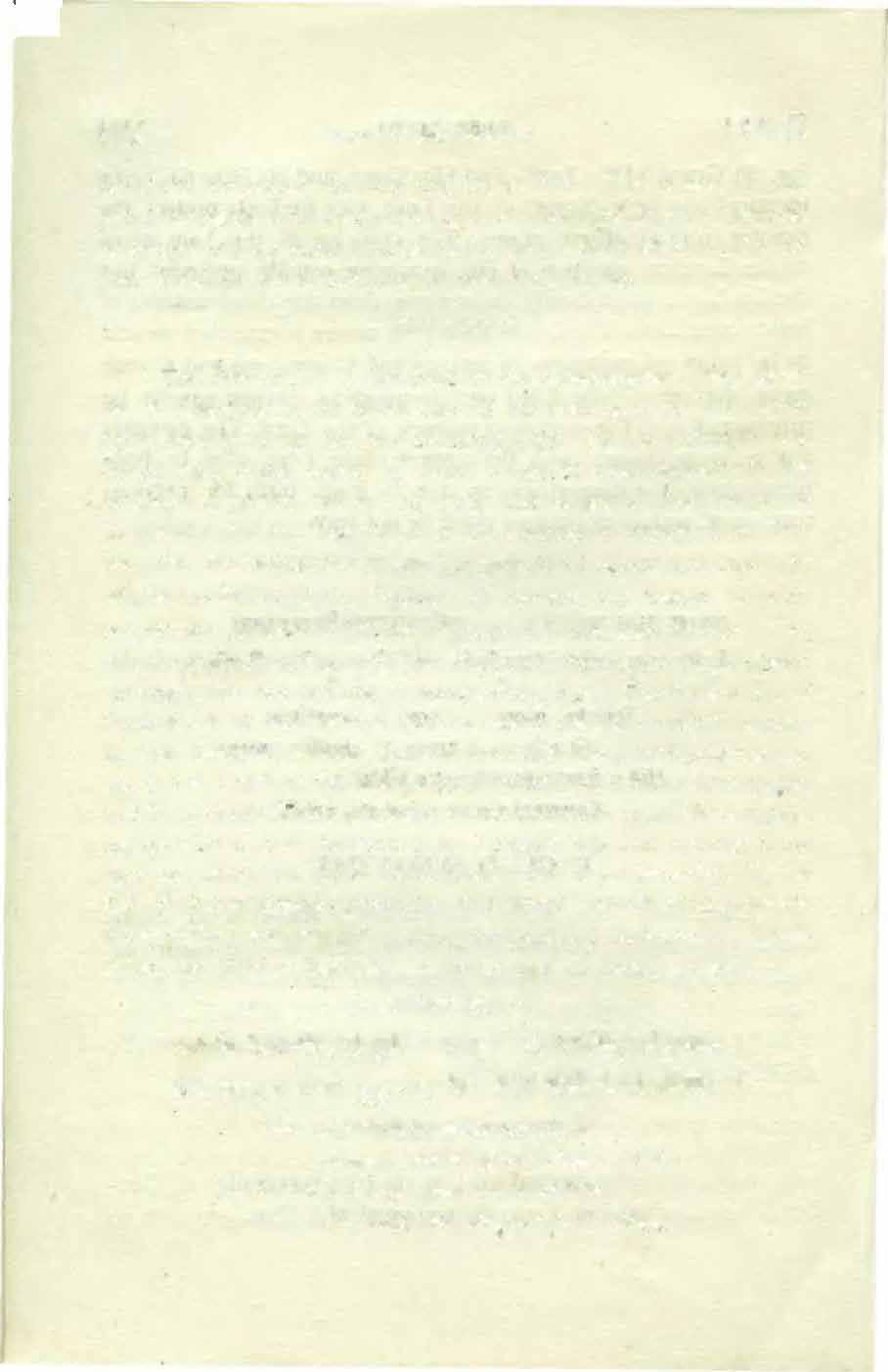
-1102 SRIMAD BRAGWATAM [ Ch. 18
21 at'ftfif �q'Til'rfQI'lW�lSi �tt({ fflm:t)�tfunnr: t �� �T�tfnft't'tT'�t:ttq_ �) ;rt¥� 'l=ITifi' ll�'-'tqqT�: t1
Atha apiyat pada nakha avasristam ·
Jagat virincha uphritarhanam bhah
Ko nama loke bhagwat pado arthah.
ENGLISH SYNONYMS
Atka-therefore, Api-certainly, rat-whose, Padanakhanails ofthe feet, Avasristam-emanating, Jagat-the whole universe, Virincha-Hrahmaji, Upahrita-collected. Arhanam-worship, Ambh� water, Sa-along with, Is/tam-Lord Shiva, Punati-purifi.es, Anya· tamo-who else, Mukundat-besidcs the PersonalityofGodhead Sri Krishna, Ko-who, .Nama-name, Loke-within the world, BhagwatSupreme Lord, Pada-positio11, Artha-word1.
TRANSLATIONj




Who can else be worth the name of the Supreme Lord except the Personality of Godhead Sri Krishna because Brahmaji collected the water emanating from the uaits of his feet to award to Lord Shiva as worshipful welcome. The same water (the Ganges) is purifying the whole untverse including the Lord Shiva.
PURPORT
Conception ofmany gods in the Vedic literatures by ignorant mass is completely wrong. The Lord is one without a second but He expands Himselfin many and this is confirmed in the Vedas. Such expansions of the Lord is limitless but some ofthem are the Supreme Lord Himse1fin full and some of them are the living entities. The living entities are not as powerful as the Lord's plenary expansions and therefore there are two different typ�s of expansions. Lord Brahma is generally one of the living entities and Lord Shiva is via media between the Lord and thei living entities. In other words even demigods lik(" Lord Brahma and Lord Shiva who are the chiefamongst all other demigods, are never equal or greater than Lord Vishnu the Supreme Personality ofGodhead. The Godess ofEortune Lakshmi, the all powerful demigods like Brahma and Shiva all are engaged in the worship of Vishnu or Lord Krish na and as such who else can be more powerful than Mukunda {Lord Krishna) to be factually called as the Supreme
"rext21] FIRSTCANTO 1103
Personallity ofGodhead ? The Goddess offortune Lakshmiji, Lord Brahma and Lord Shiva all ofthem are not independently powerful but they are powerful as expantions of the Supreme Lord and all of them are engaged in the transcendental loving service ofthe Lord and so also the living entities are. There are four sects of worshipful devotees of the Lord and the chiefamongst them are _ theBrahma Sampradaya,RudraSampradaya and ShriSampradaya descending directly from Lord Brahma, Lord Shiva andtheGoddess of fortune Lakshmi respectively. Besides the above mentioned three Sampradayas there is the Kumar Sampradaya descending from Sanat Kumars and all the four original Sampradayas are still scrupulously engaged inthe transcendentalservice oftheLord up to date declaring thereofthat LordKrishna Mukunda is the Supreme Personality ofGodhead and no other personality is either equal with Hirn or greater than Him.
TEXT NO. 22

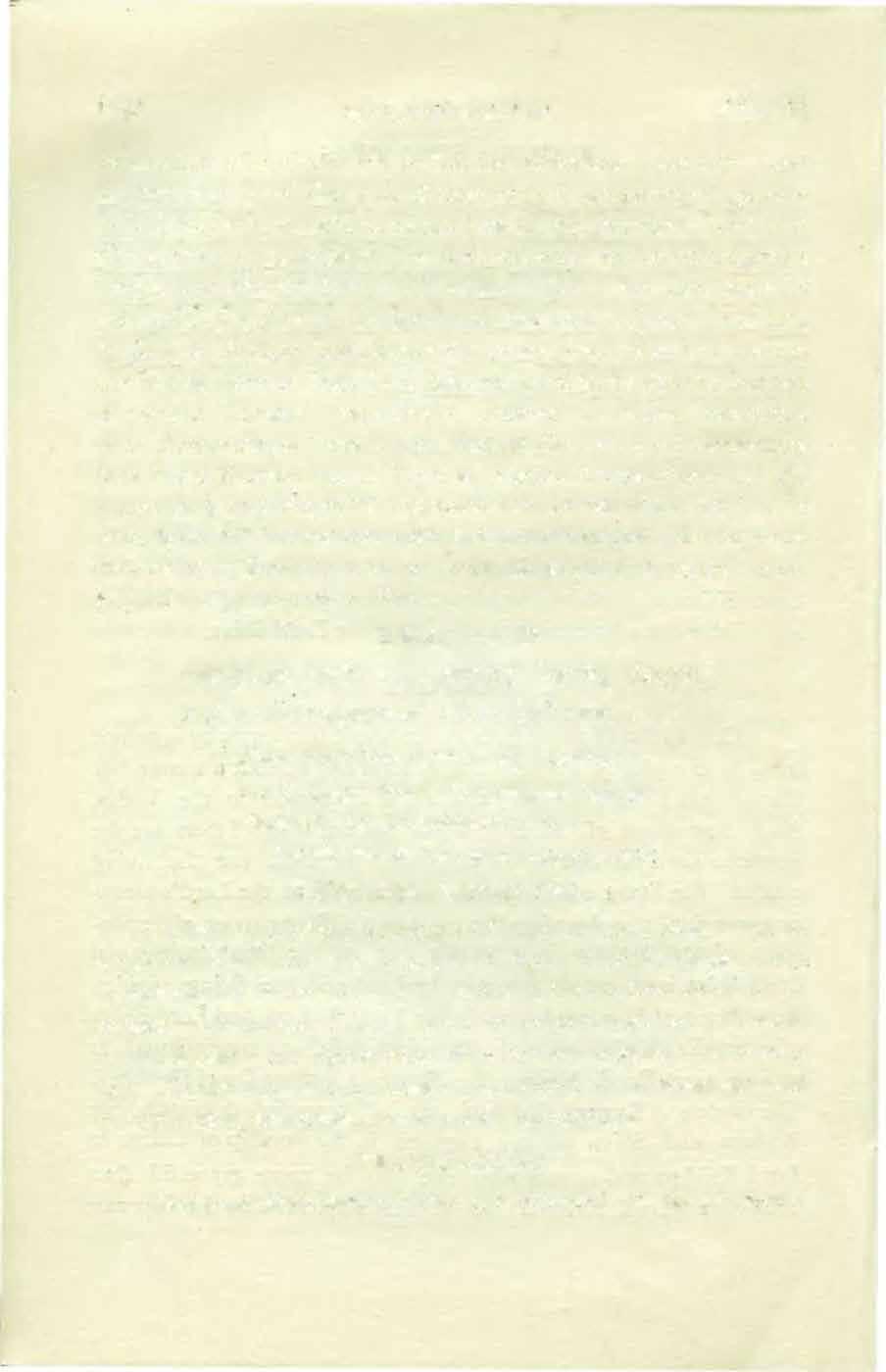
1"atra anuraktah sahasa eva dheerah
Vyap�f!ya deha trdisu samgam udham
BaaJanti tat paramhansam antam
rasmin ahimsa upasamam swadharmah
ENGLISH SYNONYMS
ratra-unto whom Anuraktah-firmly attached, Sahasa-alJ of a sudden, Eva-certainly, Dheerah· Selfcontrolled, J)apohya-leaving . aside, Deho-the gross and subtle mind, AdisU··-rtlating to, Samgam-attachment) Udham-taken to, Braja ti-goaway, Tat-that, Paramahansam-the highest stage ofperfection, Anryam- and beyond that, rasmin-ia which, Ahimsa-non-vioience� Upasamam-and renuncia tion, Swadharmah-sequential occupat.ion.
TRANSLATION
Selfcontro!led persons who are attached to the Supreme
1104 BRIMA.DBHAGWATAM tch. ts
�'h:T s�q)� ��Tf� �f{�q;� I ���� c:Rqr�q���a•cli atffq�f�ft)q:a;r: ��V:tii': u
qtstT2tim:�itCf
Text 22]
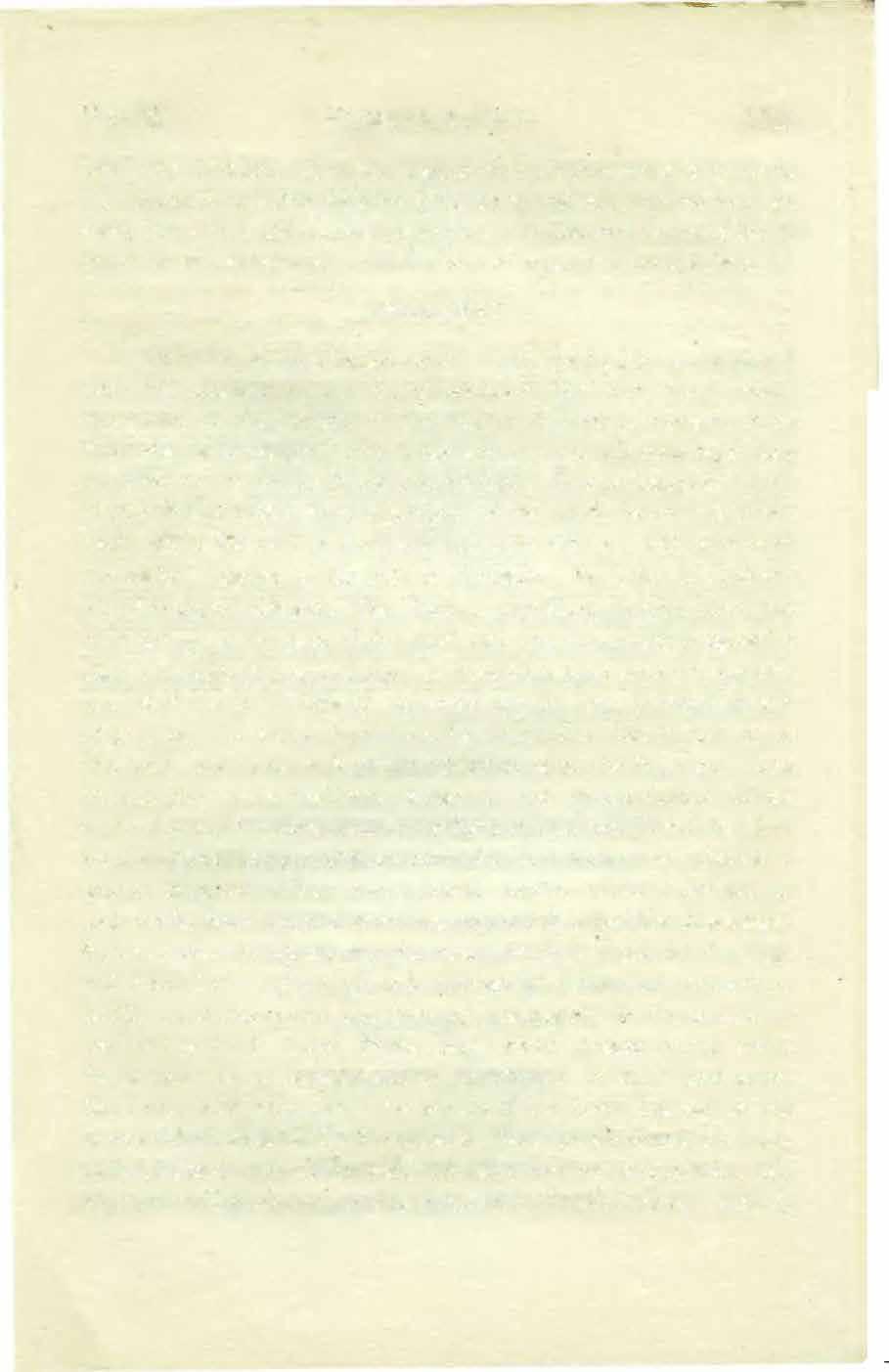
FIRSTCANTO liOS
Lord Sri Krishna all of a sudden give up the world of material attachment in relation with the gross body and subtl e mind and go away to att�.in ihe highest perfection of ren ounced order oflife in which non-violence and renunciation are sequential occupations.
PURPORT
Only the self-contni>lled persons can gradually be attached with the Supreme Personality ofGodhead. Self coutrolled means those who do not indulge in the matter af sense enjoyment more then what is necessary. And those who are not selfcontrolled they are given to the matter of sense enjoyment. Dry p hilosophical speculation is also subtle sense enjoyment of the mimi. Sense enjoyment leads one to the path of darknessa:c.drhosevvlw are self controlled can make progress on the path of li beration 1orrn the conditional life ofmaterial exisence. The Vedas, tnerefore, enjoins that one may not go on the path ofdarkness but one may make progressive march towards the path of light or liberation form material conditions. Selfcontrol is actually achieved not by any artificial means of stopping the senses from material enjoyment but it can be so obtained when one is factually attached with the Supreme Lord by engaging one's unalloyed senses in the trascendental service of the Lord. The senses cannot be forcibly curbed down but they must be given proper engagement. Purified senses are, therefore, always engaged in the trascendental service of the Lord and as such perfectional stage of sense engagementis called the Bhaktiyoga. So those who are attached to the means of Bhaktiyoga a re factually self controlled and do all ofa sudden give uptheir homely or bodily attachment and give them up completely iu the service of the Lord which is called Param hansya Hage. Hausas or the swans do accept the milk only out of a mixture of milk and water. Similarlythose, who accept the service of the Lord instead of the matter are also called the Paramhasas. Such paramhansas are natu• rally qualified with all the goodattributes such as pridelessness, non vanity, nonviolence, tolerance, simplicity, respectability, worship
devotion1 sincerity and all those godly qualities exist in the devotee of theLord spontaneously. Such Paramhansas who are completely given up tothe service cftheLordare very rare. They are very rare even amongst liberated souls. Real nonviolence means not to be envious.Inthisworld every one is envious of his fellow being. But a perfect Paramhansa being completely given up to service of the Lord is perfectly non-envious. He loves every living being in relation with the Supreme Lord andreal renunciation means to have perfect dependence in God. Every living being is dependent ou somebody else, because, he is :m made. Actually oneis dependent on the mercy of the Supreme Lord but when one forgets his relation with the Lord he becomes dependent on the conditions of material nature. Renunciatiou meansto renounce one's dependence on the conditions of material nature and thus be completely dependent on the mercy of the Lord. Real independence means to have complete faith in the mercy of the Lord without being dependent on the conditions of matter. This Paramhansa stage is the highest perfectional stage in the matter of Bhaktiyoga o(the process of devotional service of the Supreme Lord.
TEXT NO. 23

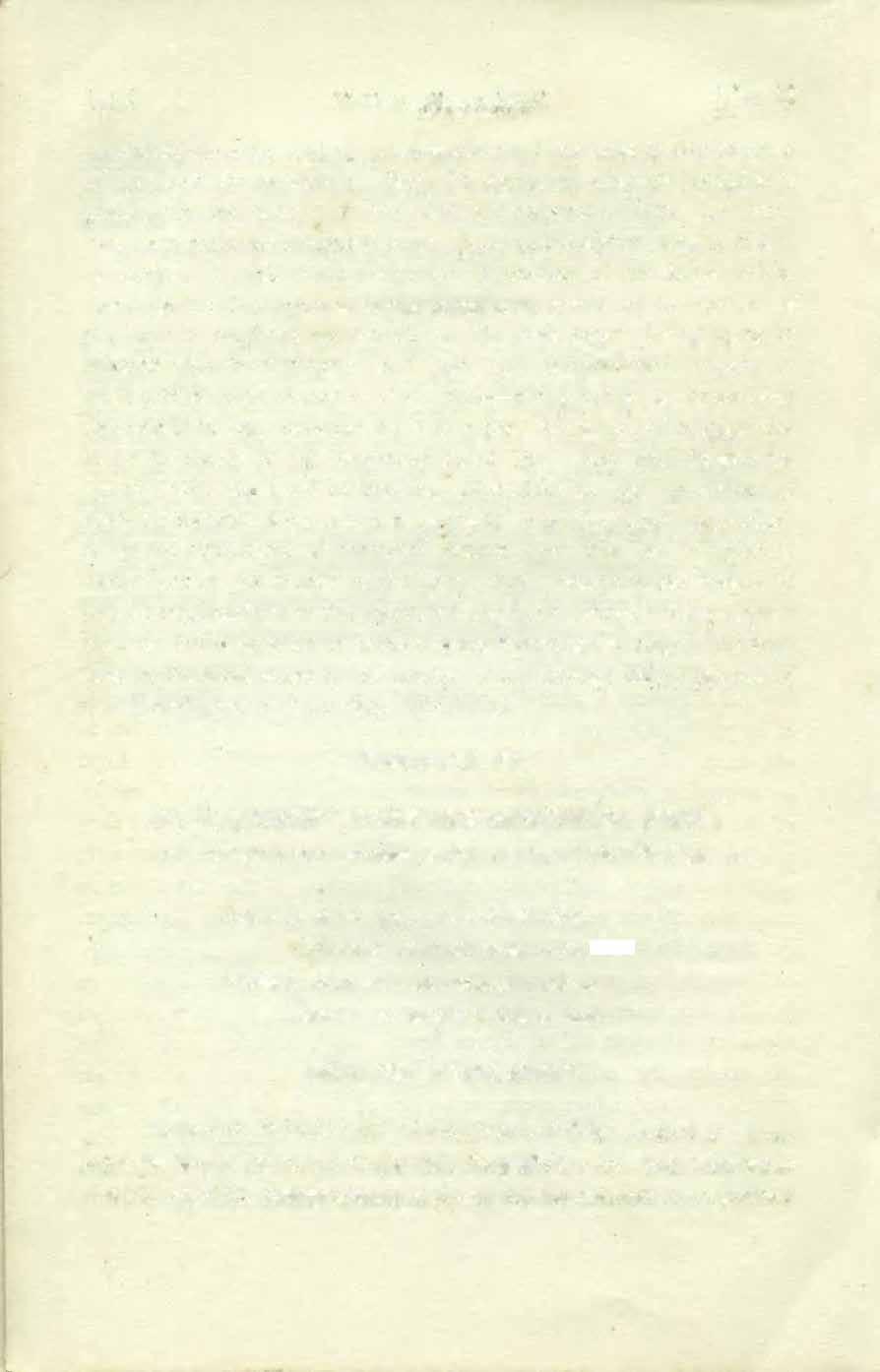
t{+f: tfff;�qT�q�'f 'lCffi:!ifVf��qT �fififiSVftTfff fCfqf��: II ¢


Aham hi pristo aryamanah bhavadbhir
Achaksha atmaabagama atrayavan
Nabhah utpatantiatma,samam patatrin
Samam visknugatimbipaschitah.
ENGLISH SYNONYMS
Aham-rny humbleself, Hi-certainly, Pristah-a,ked by you, Atyamanah-as powrrfhl as the sun, Bhavadbltir- by you, Achaksha --may describe, Atrnahagama-as far as my knowledge is concerned
11()6 SRIMADBHAOWATAM [Gh. 18
��
'
f� 'JG�)s�q1Jf) ...-�r��t:ertff !R't�lfTCJqq)s� tfterti!
Atra-herein, ravan-so far, Nabhah-sky, Utpatanti- fly m1, Atma� samam-as far a� it can, Patatrin-the birds, Samam -'>imillarly, Vishnugatim-knowledge ofVishnu,Vipaschitah-c-..'en though learned.
TRANSlATION
Oh the risbis who are as powerful of purity <:s t he Sun , I shall try to describe before you all abont the transrn.dcntal pastim. f'S of Vishnu as far as my knowedge isconcerned.As the birds do fly over the sky as far its capacity so also learned dr votees also do describe about the Lord asfar as their realisatioll.
PUHPORT
The supreme absolute truth is unlimited. No,living being can know about the Unlimited by one's limited capacity. The Lord is bothimpersonal a nd personal also as weH as localised. By His impersonal feature He is all pervading Brahman,by His localised feature He is presentin every one's heart as the Supreme Sou] and by His ultimate Personal feature He is the object of transc endental loving service by His fortunate associates the pure devotees. Asthe birds can fly in the sky in part only ::.imilarly the past.imcs of the Lord in different features can only be estimated partly by the great learned devotees. So Srila SuttJ. Goswami has rightly taken his position in thematter of describing the pastimes of the Lord as far as he had had realised. Factually the Lord only Himselfcan descri be about Himself and His Jcarn�ddevoteealso can describ:: about Him as far as the Lord gives him the power ofdescription.
TEXT No. 24 & 25

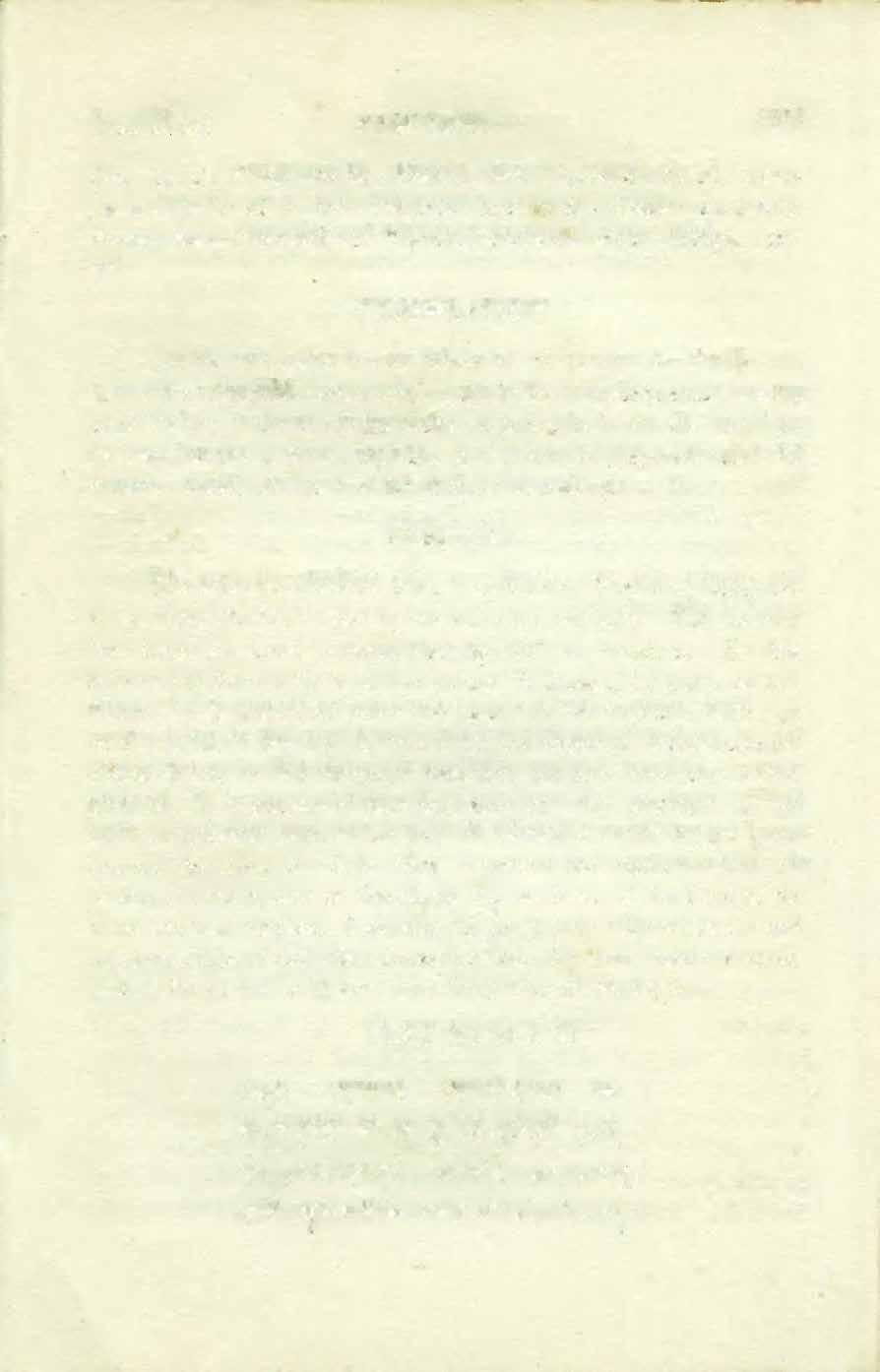
Text24-25] FIRSTCANTO 1107
t:tq\�T ���� f":�:n:;:'!'lttt �;:r t '!llfif�'f6: �1;:6: �f'l'6�qft'{el) +!"{� II ��T�ql:(i.fa.tTGJ: stfCfir� o'IT��ffI "" q�� ,r;:r�u:ft;f��;:� ;q)f�6�):q;:r� u
Ekada dhanur u.dyamya vicharan mrigayam vane
Mrigan anugatah shrantah kshudhito taisito bhrisam
Jalasayam achakshanah pravi11eshatam ashramam
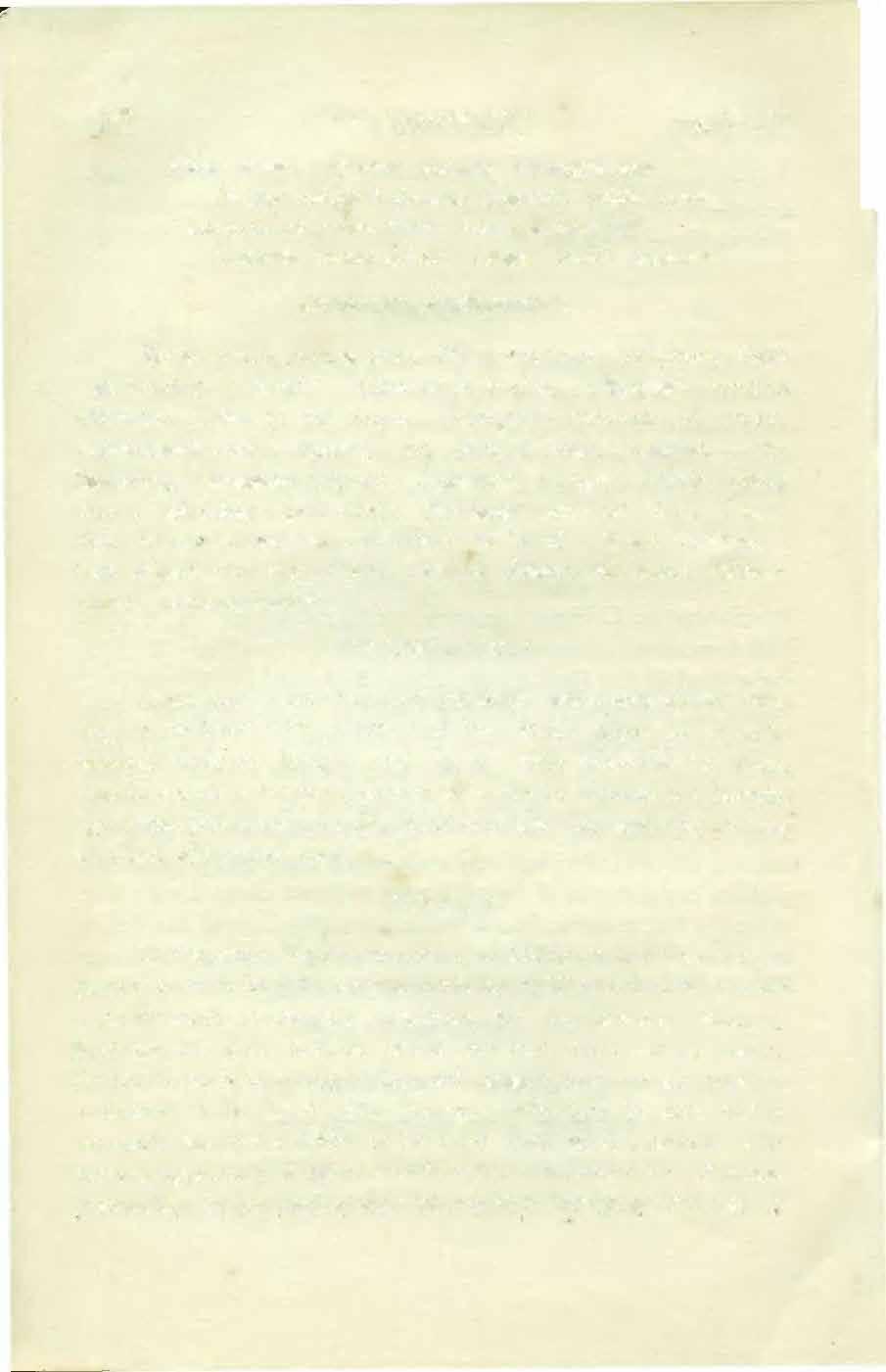
Dadarsha mu.nim asinam santam milita lochanam.
ENGLISH SYNONYMS
Ekada-once upon a time, Dhanur-arrows and bow, Udya· mya-taking it firmly, Vicharan-following, Mrigayam-huntihg excursion, Vane-in the fore11t, Jalasqyam-reservoir of water, Achakshanak-whilc finding out, Mrigan-stags1 A.nugatah-whire following, Shrantah-f;;�.tigued, Kshuditah-hungry, Trisito-being thirsty, Bhrisham-�'xteremdy, Pravivesha-entered into, Tamthat famous, Ashramam-hermitage of Samika Rishi, DadarshaSaw, Munim-·the sage, Asinam-seated, Santam-alJ silent, Militaclosed, Locnanam-·eyes.

TRANSLATION
Once upon a time Maharaj Parikshit while engaged in hunting in the forest with arrows and bow firmly taken up became extemely fatigued, hungry and thirsty while following the stags. And in search after the reservoir of water he entered the hermit• age ofthe well-known Samika Rishi and saw the sage was sitting all silent with closed eyes.
PURPORT
The Srpreme Lord is so kind upon His pure devoteesthat in proper time he calls for such devotees up to Him and thus creates a circumstance favourably auspicious for the devotee. Maharaj Parikshit was pure devotee ofthe Lord and there was no reason for himto beccme exteme1y fatigued hungry and thirsty because a devotee ofthe Lord never becomes perturbed by such bodily demands. But by the desire ofthe Lord even such a devotee also became apparently fatigued ane thirstyjust to create the situation favourable for his renunciation of worldly activities. One has to
ll08 SRIMAD BHAGWATAM [Ch. 18
give up all attachment for worldly relation before one is ableto go back to home back toGodhead and as such even a devotee when he is too much absorbed in worldly affairs, the Lord creates a situation for the devotee'scause ofindifference. TheSupreme Lord never forgetsHis pure devotee even the latter may be engaged in socalled worldly affairs and as such sometimes He creates an awkward sitation when the devotee becomes obliged to renounce all worldly affairs. The devotee can understand it by the · signal of the Lord but others take it as a matter of unfavourable frustration. M:aharaj Parikshit was meant for becoming the medium ofrevelation ofSrimad Bhagwatam by Lord Sri Krishna as much ashis grand father Arjuna was meant for revelation of the Bhagwat Geeta in the world. Had not had Arjuna taken up with an illusion offamily affaction by the will af the Lord, there was no chance ofthe Bhagwat Geeta being spoken by the Lord Himselffor the good ofall concerned. Similarty had not had Maharaj Parikshit been fatigued, hungry and thtrsty at this time, there was no chance ofSrimad Bhagwatam beingspoken by Srila Sukdehva Goswami the prime authority ofSrimad Bhagwatam. So this is a prelude to the circumstances under which Srimad Bhagwatam was spoken for the benefit ofall concerned. The prelude, therefore, begins with the word that once upon a time etc.
TEXT NO. 26
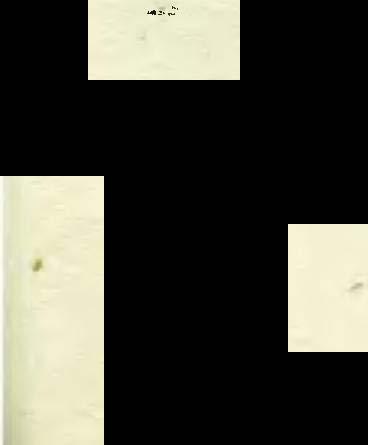
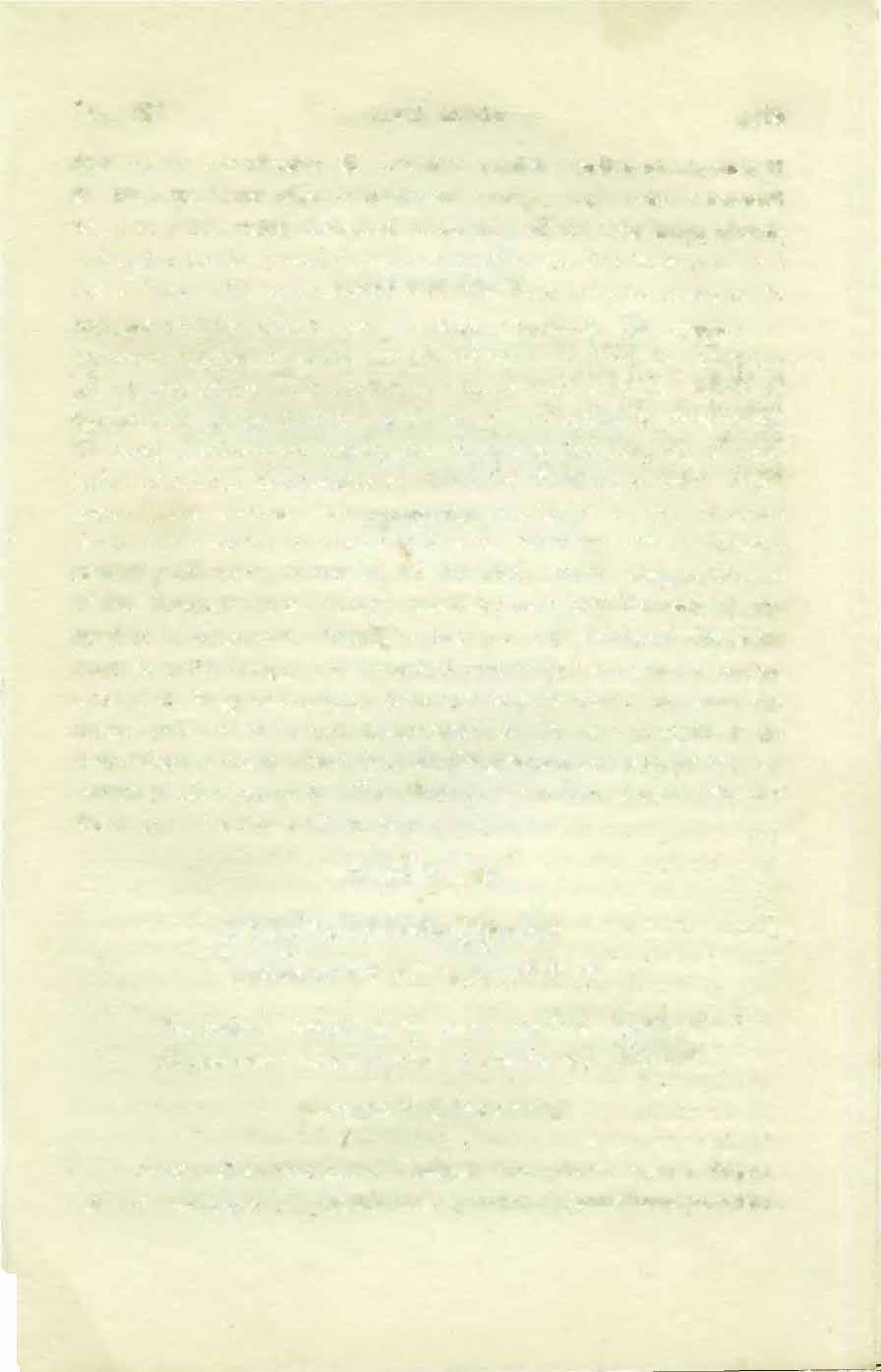
ENGLISH SYNONYMS
Pratiruddha-restrained, Jndriya-the · air of respiration, Mana-the mind, sense-organs, PmncBuddhim-intellgence,
Text 26) FI.RST CANTO 1109
srf�;r'f;srqmVT'l;:il'!���n�a"� t {=qT;=JSfl:fT�� snttf �'!o�fCff�� II Pratiruddha indriya prana mana buddhim t.tparatam Sthana trayat param praptam brahmabhutam avikriam.
Uparatam-inactive, Sthana-places, Trayat-from the three, Param-transcendental, Praptam-achieved, Brahmabhutam-qualitatively equal with the Supreme Absolute, Avikriam-unaffected.
TRANSLATION
. The Muni's sense organs, air of breathing, mind and intelligence all were restrained from material activities and he got himselfsituated in the trance apart from the three (awakeness. dream and unconsciousness) having achieved transcendental position qualitatively equal with the Supreme Absolute.
PURPORT
It appears that theMuni in whose hermitage the Kingentered was in trance Yogic, process. Transcendental position is attained by three processes namely theprocessof]nana or theoritical knowledge oftranscendence, theprocess of Toga or factual realisation oftrance by manipulation ofthe physiological and psychological functions of the body, and the most approved process of Bhakti�Yoga or the senses engaged in devotional service ofthe Lord. In the Ehagwat Geeta also we have the information of gradual development of perception, from matter to living entity. Our material mind and body devdop from the living entity the soul and being influenced by the three qualities ofmatter we ibrget our real identity. The Juana process theoritically speculates ascendingly about the reality ofthe soul. But Bhaktiyoga factually engages the spirit soul in factual activitie8. Perception of matter is to transcended still more subtler state ofthe senses. The senses are transcended to the &ubtler mind, and then to breathiug activities gradually to inte!lignence and beyond the intelligence the living soul h realised by the mechanical activities ofthe Yoga system or practice of meditation restraining the seenses, regulating the breathing system and application ofintelligence to rise up to the transcendental position ofliving condition. This living condition oftrance stopsall material
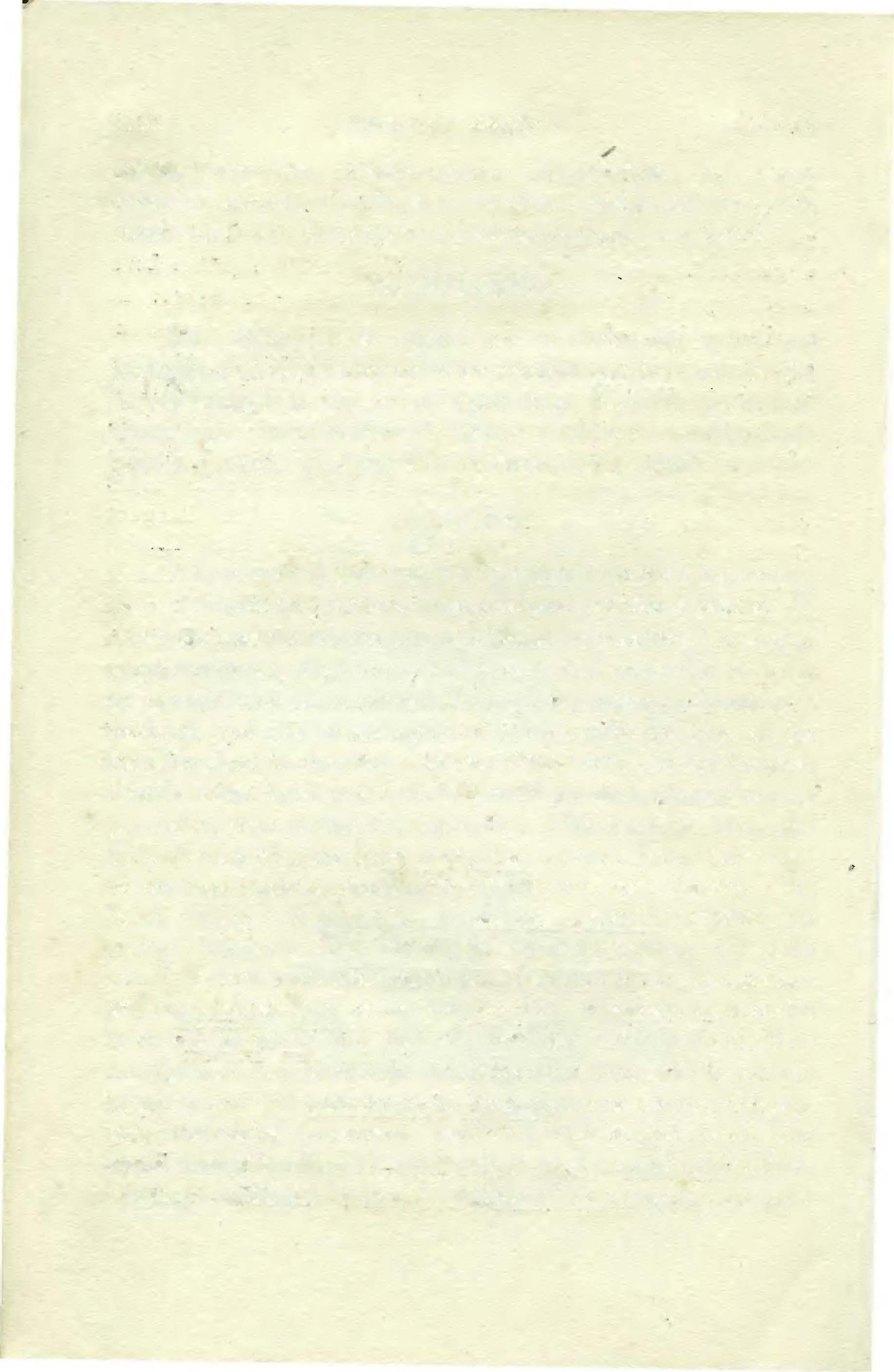
1110 SBIMAD BHAGWATAM [Ch. 18 ./
acLivities ofthe body and the King saw the Muni in that position. He also saw the Muni as follows.
TEXT No.'l7

fitsr�i3fet:eg;;f
f4§6f04tt���11f
Viprakirna ja;achhannam rourevena ajinena chfl. Visusyat talur udalcam tathahhutam ayachata .
ENGLISH SYNONYMS
Viprakirna-all scattered, Jatacnhahnam-covered with compressed elongated hair, Rourevena -by the skin of a stag, Ajinena-by ihe skin, Cha-also, Visu.ryat-dried up, Talur-p:tlate, Udakam-water, Tathahhutam-in that state, Ayac/zata-asked for.

TRANSLATION
The sage in meditation was also seen covered by the skin of stag and elongated compressed hair. The King, however, being dried up by his palate asked him for water.
PURPORT
The King being too much affected ;by the dried up palate asked the sage-in-trance for water. For such a great and devotee king asking for water from sageabsorbed in tr2tnce, was certainly providencial : otherwise there was no chance of such unprecedental happening. 1\t\aharaj Parikshit was thus placed in an awakward position so that gradually the whole thing •developed in to tbe revelation ofSrimad Bhagwatam.
TEXT NO. 28


�srfttlf�;:r;ra: •
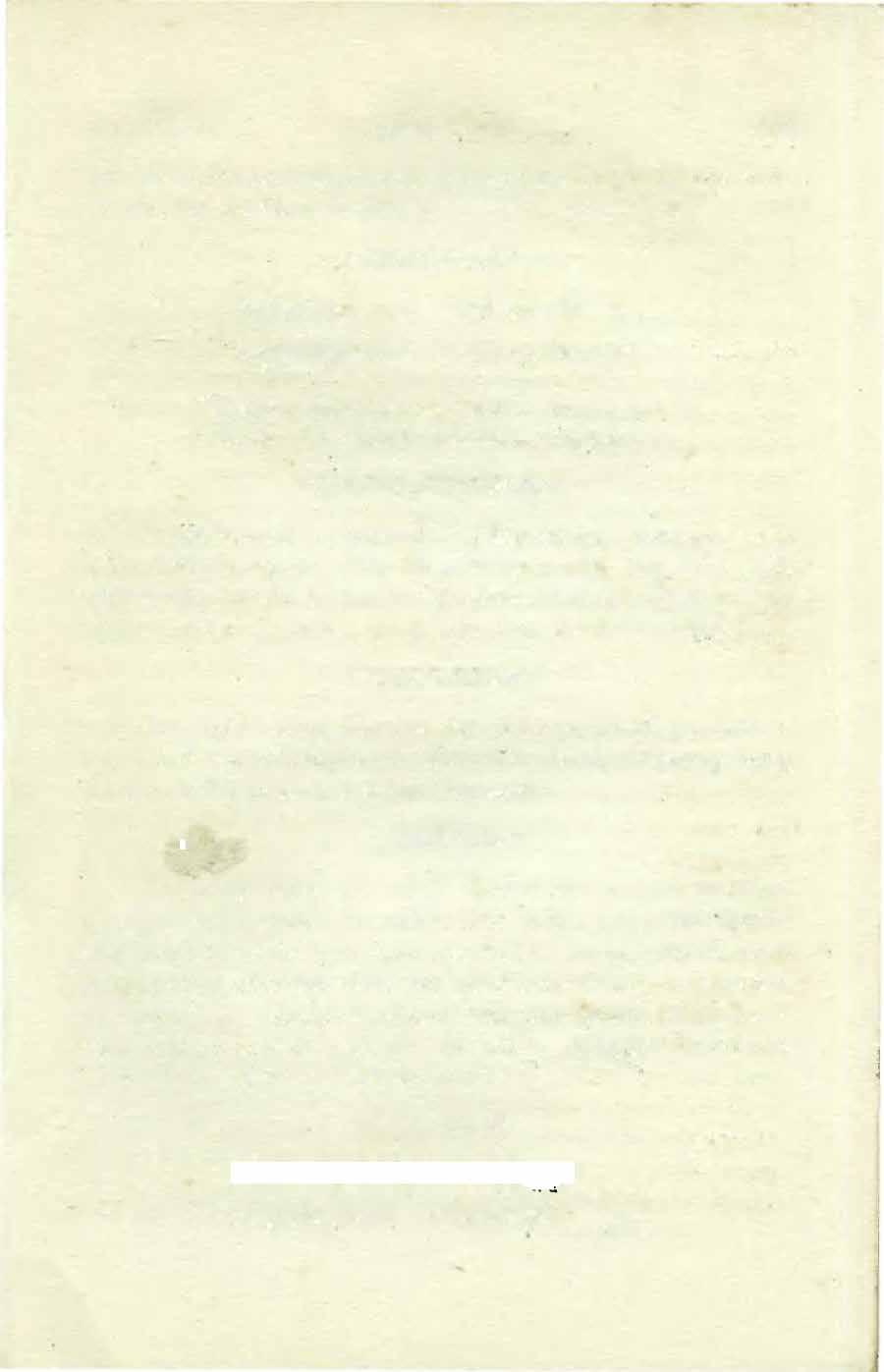
Text 27,28J ·FBIBT CANTO lUI
�,.��n� "' • ""'aqlfl'!fa 11 ft
c. C"\
•
"Qlaftfcmtn;:i q;:Q"q"tif��)q � '
[Ch. 18
Alahdha trina bhumyadirasamprapta argha sunritah
Avajnatam iva atmanam ma1'!)'amanas chukopa ha.
ENGLISH SYNONYMS
Alahdha-having not received, Tn'na-seat of • straw, .ohumi-place, Asamprapta�not properly received, Argha-receptional water, Sunritam-sweet words, Ava.;natam-thus being neglected, Atmanam-personally, Iva-like that, Manyamanasthinkinglike that, Chukopa-became angry,ftHa-in that way.
TRANSLATION
The King having not received any formal welcome in the shape ofseat, place, water,and sweet addresses,· thought himselfof being neglected and thus thinking in the mind he became angry in that way.
PURPORT
The Jaw of reception in the codes of the Vedic principles is that even if any enemy is received at home, he must be received with all respects without giving him chance to understand that he has come to the house ofan enemy. When Lord Krishna accompanied by Arjuna and Bhima approached theirenemy Jarasandha in Magadh, the respectable enemies were given royal reception by king Jarasandha. The guest enemy namely Bhima was to fight with Jarasandha and yet they were given all reception. At night they used to sit down together as r:fi·iends as guests would do am: in the day time they used fight risking life and death. That was the law ofreception, fhe reception law enjoins that a poor man who has nothing to offer his guest may be good enough tooffer a straw for sitting, a gl assof water for drinking and some sweet words ofreception as a matter of obligation. Therefore, to receive a guest either friend or foe, there is no expenses but it is only the question ofgood manner.
When Maharaj Parikshit entered the door of Samik �ishi,
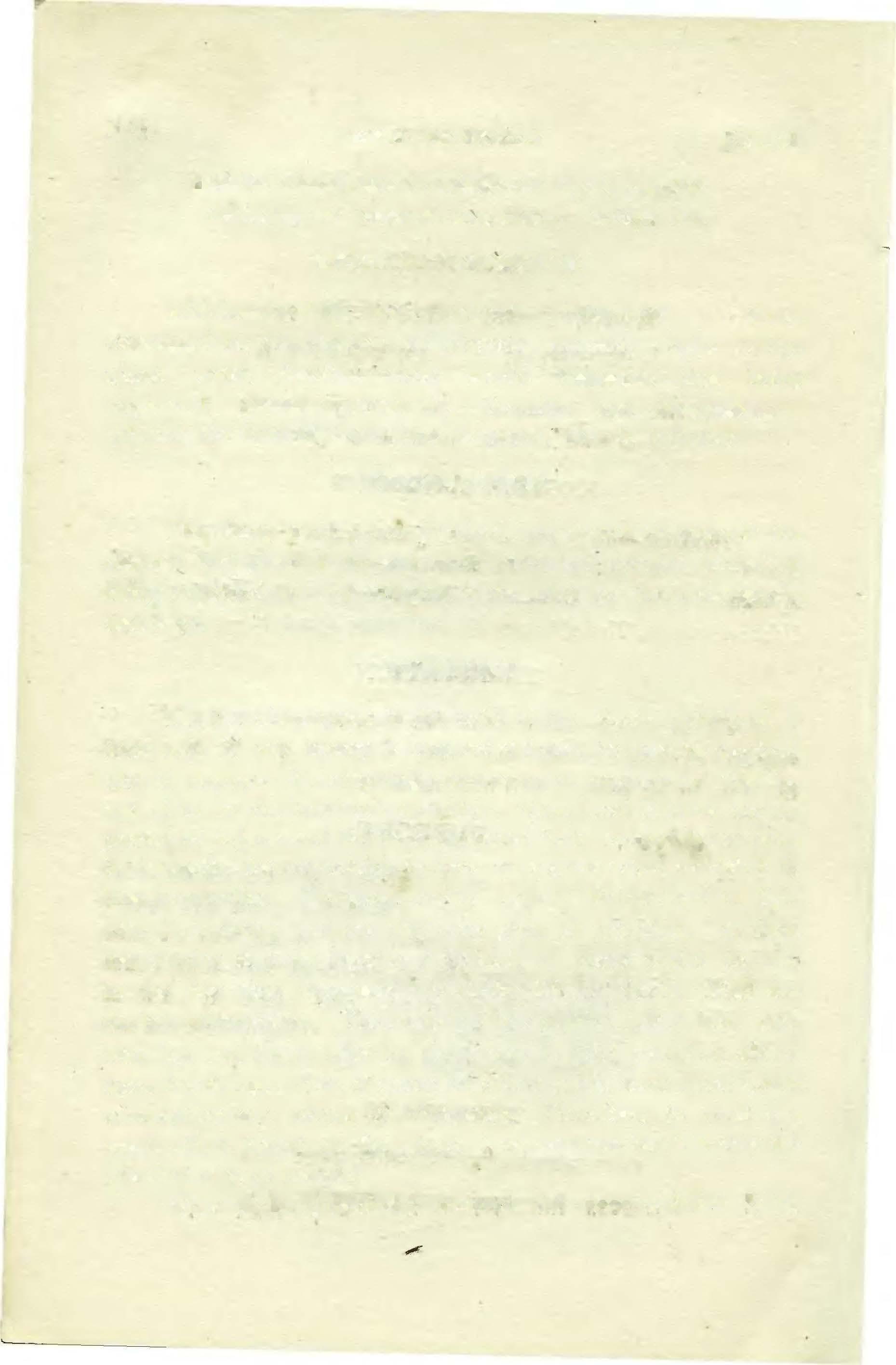
1112 SRIMAD BRAGWATA.M
although he did not expect any royal reception by the Rishi, because the king knew it well that saints and Rishis are not materially richman. But he never expected that even a seat ofstraw, a glass ofwater and some sweet words dso would be denied to him. He was not an ordinary guestneither he was an enemy of the Rishiand as such the coldnessofreception by the Rishi astonished the king very greatly and as a matter of course the king was right . to get angry upon the Rishi in such awkward position when he needed a glass ofwater very badly. To become angry in such grave situation was not unnatural for the king but because the king himselfwas not less than a great saint his becoming angry and taking action for that, were also astonishing and it must be taken for acceptance that it '\'.as so ordained by the supreme will ofthe Lord. The king was a great devotee of the Lord and the saint was was also as good as the king. Butby the will ofthe Lord the circumstances were so created that it became a clue to the king's becoming unattached to family connectionandgovernmental activities and thus becoming completely a surrendered soul unto the lotus feet ofLord Krishna. ThC' merciful Lord sometimes creates such awkward position for his pure devotee inorder to drag him towards Himselffrom the mire of material existence but outwardly they appear to bo something likefrustrationofthe devotee. The devo• tee of the Lord isalways under the protection ofthe Lord and in any conditioP, frustration or succes<> theLord is the supreme guide for the devotee. The pure devotee therefore, accepts aJI conditions offrustration even as blessingfrom the Lord.
TEXTNo. 29

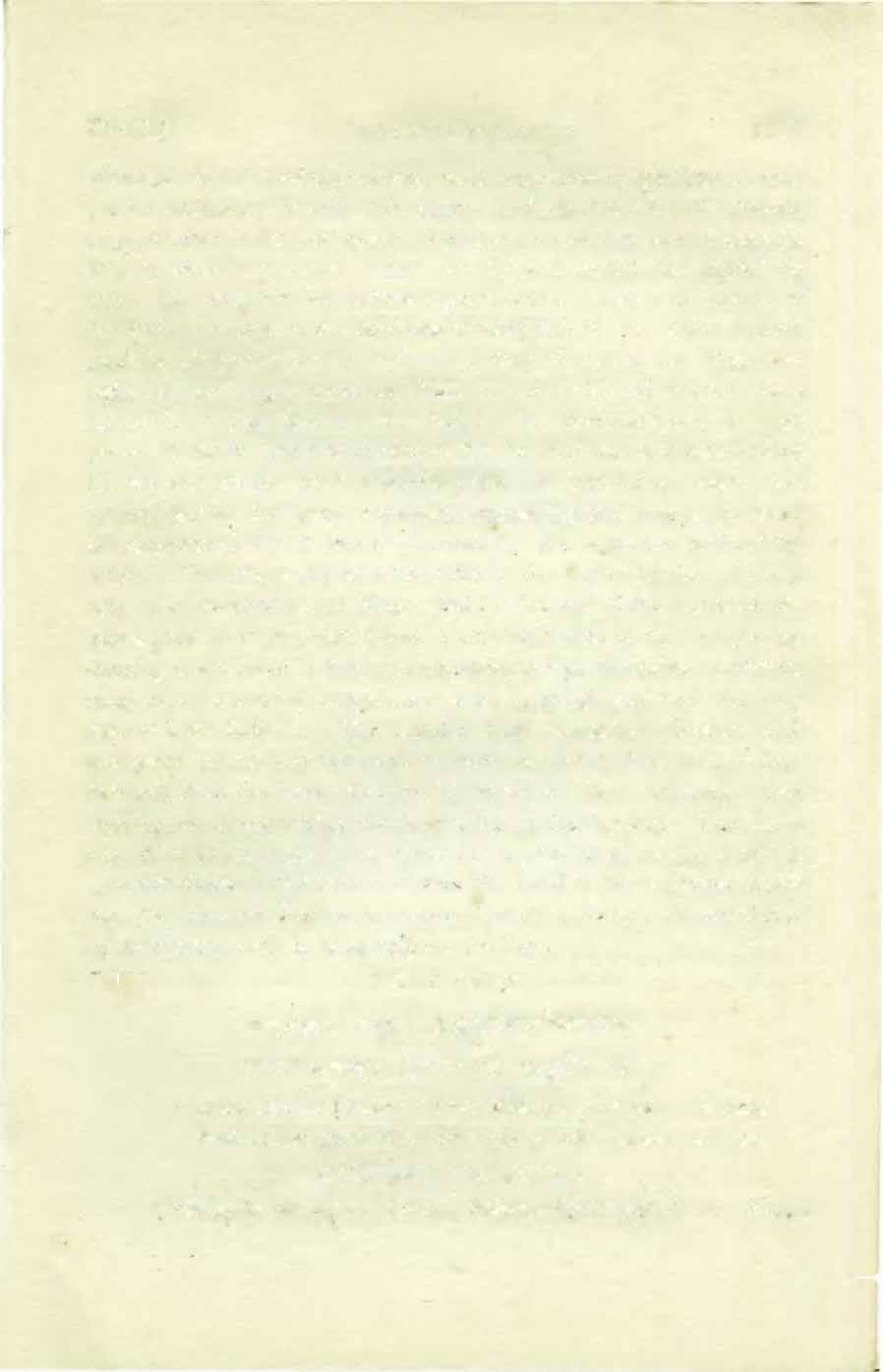
Abhutapurbah
Brahmanam
ENGLISH
Text 29] FIRSTCANTO 1113
.\l�a'l�: ���T �:q�+lftt:rfrn::n�t:rt:t: 1 �T�vJSI'(lf�'C{ ��;:+feU�) ;-r;:��Cf ;:r II
,-sahsa kshut tridb/Jyam ardi1a atmat.ah
prati abhut brahman matsaro manyur eva cha.
SYNONYMS
Sahasa-circumstantia11y, Kshu,t-
Abhutapurva-unprecedental,
hunger, Tridhhyam-as well as by thirst, Ardita-being distressed, Atmanah -of his self, Brahmanam-unto a Brahmin, Prati-counter, Abhut--became, Brahman-oh the Brahmins Matsaro-envious, Manyurangry, Eva-thus, Cha-and.

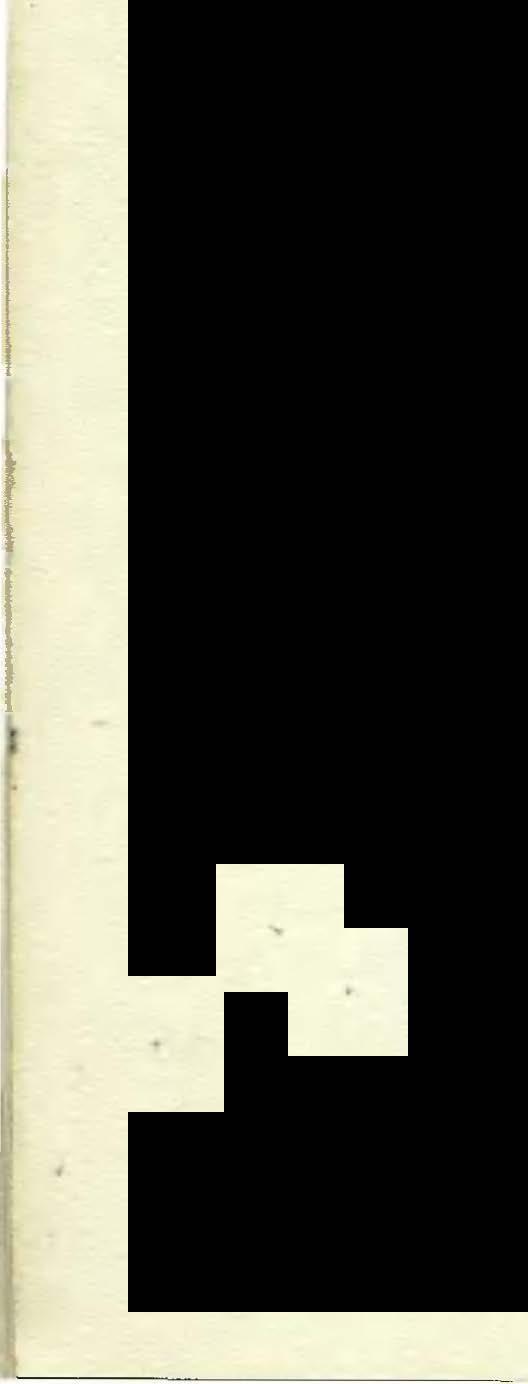
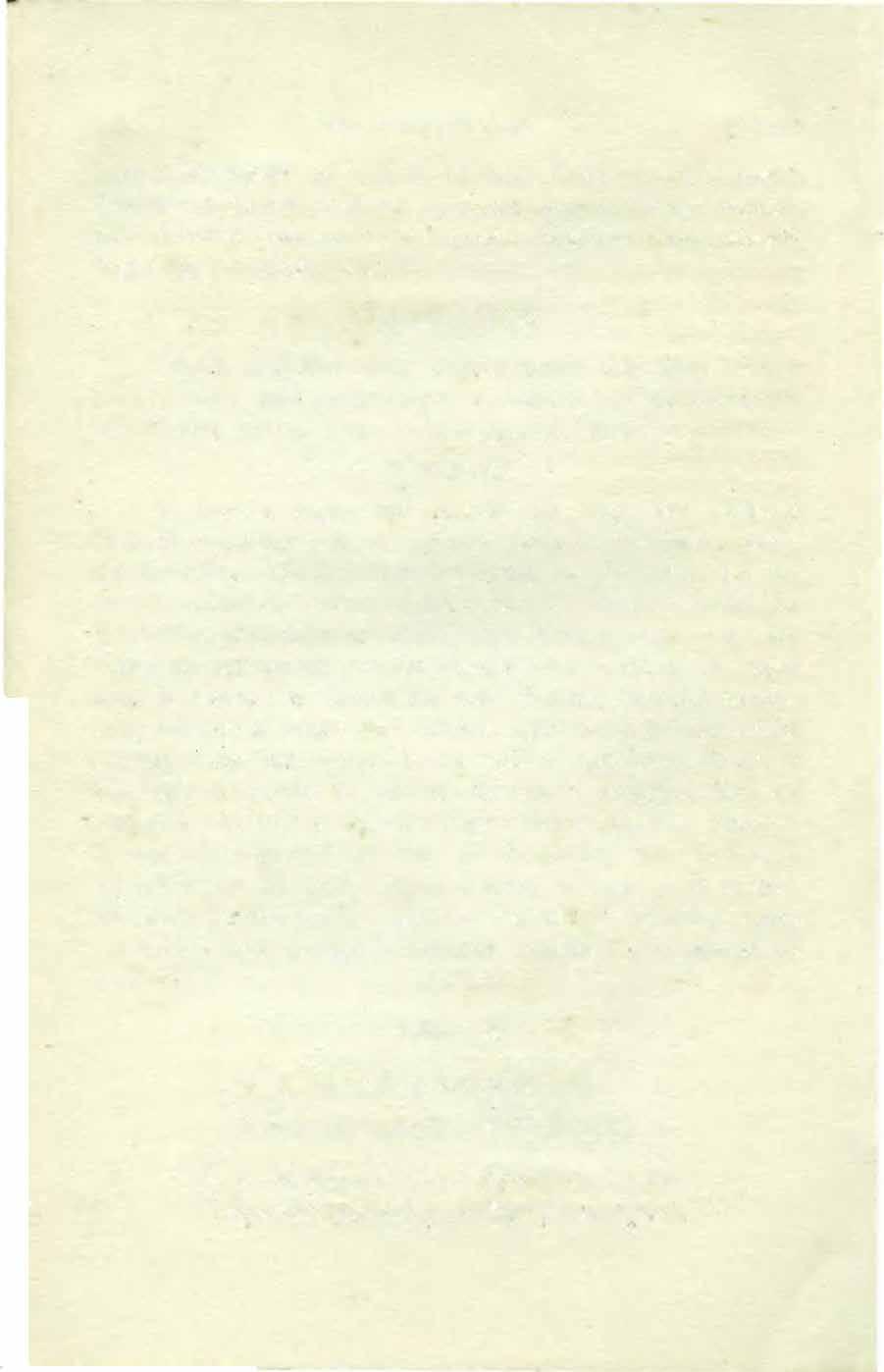
TRANSLATION
Oh the Brahmins, thus unprecedently the King became counter angry and envious upon a Brahmin (the sage) circumsta ntially being pressed by too much hunger and thirst.
PURPORT
To become angry and envious by king like Maharaj Pari1� shit especially upon a sage and Brahmin was undoubtedly unprecedentia]. The king knew itwell that the Brahmins and the sages like children, women and old men are always beyond the jurisdiction ofpunishmfnt of the king. Similarly the king even thcugh he may commit a great mistake he is never to be considered as wrong dotr. But in this case Maharaj Parikshit became unprecedently as angry and envious upon the sage due to his socaHed thirst and hunger by the will of the Lord. The king was right to punish his subject for coldly receiving him or neglecting him but because the culprit was a Sage and Brahmin it was unprecedential for him. As the Lord is never envious to any one so also the Lord's devotee is never envious upon anyone. The only jmtification for Maharaj Parikshit's· becoming angry and envious upon the sage is therefore explained as ordained by the Lord. TEXT
Sa tu brahmaresher amse gatasum uragam rusa Vinirgachhan dhanuskorya nidhaya puram agatah.
I I 1114 SRIMAO BIIA.GWA.TAM [Ch. 18
30 � g ��tt�� 'fa'T�l]� �� I fcrf.:fq�'! ���)��T fif�Tlf ��ifTmt: ••
ENGLISH SYNONYMS
Sa-the king, Tu-however, Brahmaresher-of the Brahmin sage, Amse-on shoulder, Gatasum-lifeless, Uragam-snale1 Rusain anger, Vinirgachhan-while going exit, Dhanuskotya-by the front part of the bow, Nidhaya-by placing it, Puram-palace, Agatah-returned back.
TRANSLATION
The king thus being insulted while going out took up a lifeless snake by the front part of his bow and placed it on the shoulder ofthe sage in great anger and thus returned back to his palace.
PURPORT
The king thus treatedwiththe sage in a manner oftitfor tat although he was never accustomed to such sily action. By the will ofthe Lord the kingwhile going away found a dead snake in front ofhim and he thought that the sage had coldly received him and thus he might be rewarded also coldly by offering him a garland ofdead snake. In the ordinary course of dealing like that it was not very unnatural but in case .ofMaharaj Parikshit and also his dealing with a Brahmin sage like this was certainly unprecedential and it so happened by the will ofthe Lord.
TEXT

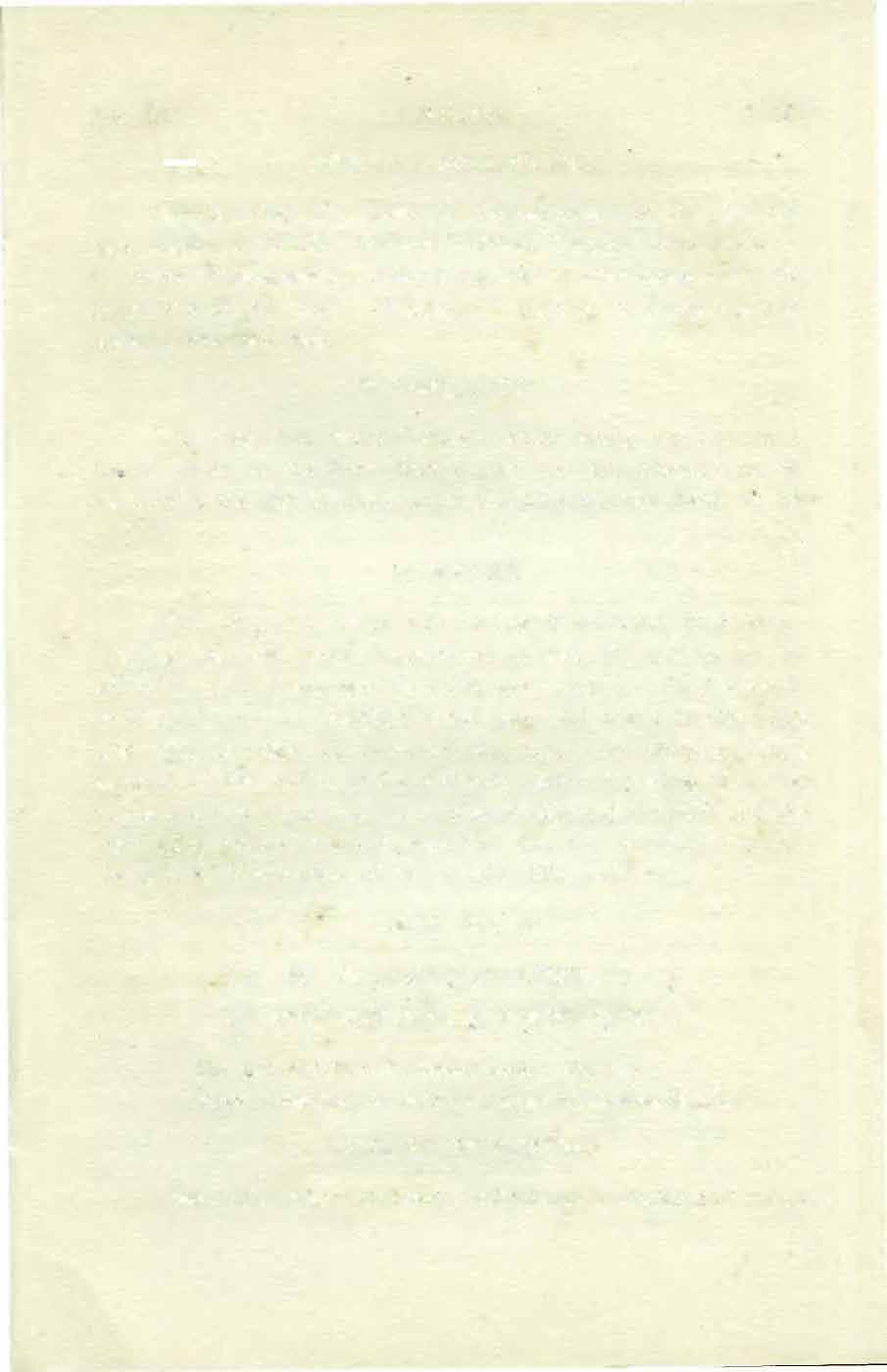
No.
31
ttl!f: fEii f;:r�a'�'-'"il�) q"\f�alfl'ur: , �l!fl�'flfer�r�)f,'Cff�'fi� �tfT���Gi;1f;r: '1

Esa kim nibhritasesha karano milita ikshanah
Mrisa samadhir aho swit kim nusyat ksaatrabandhubhih.
ENGLISH SYNONYI\-18
Bsa-this, Kim-whether, .Nihhritasesha-meditaiive mood
Text 31] FffiS� CANTO 111 5
Karano-senses, Mi!ita-ciosed, lkshanah-eyes, Mrisa-false, Samadhir-trance, Aho-remaim, Swit-if it is so, Kim-either, Nu-but1�at-may be1 Kshatrabandhubhih-bythe lower Kshatriga.
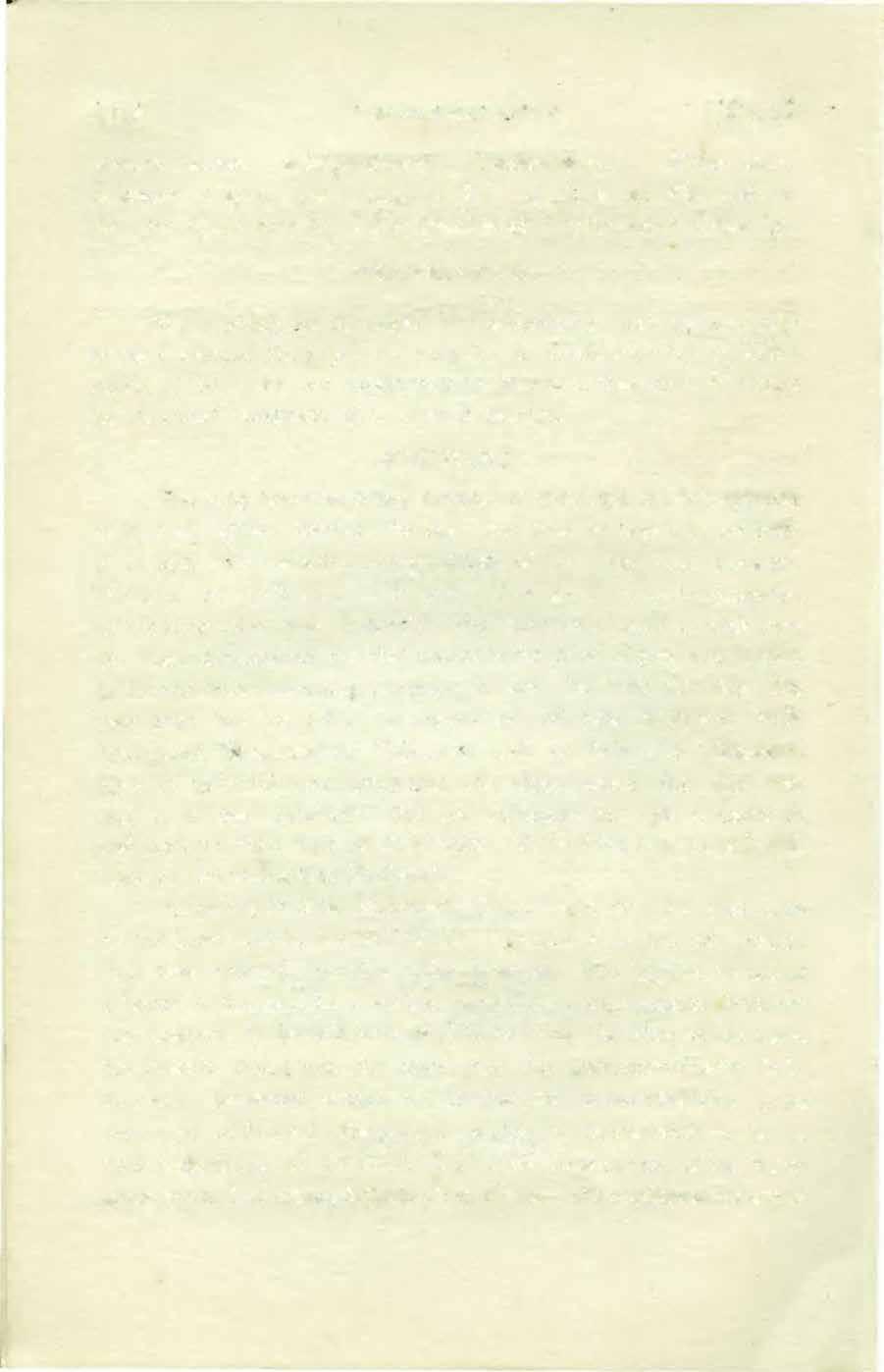
TRANSLATION
While goingouthe began to contemplate and argue within himself whether the sage was actually in meditation by concent• ration ofthe senses and dosed eyesor it was a false show oftrance just to avoid reception of a lower Kshatriya.
PURPORT
The king howeverbeing devotee of the Lord did not approve ofhis own action towards the sage and thus he began to contemplate both ways whether the pasition of the sage was a reality oftrance by meditation or it was a false show to avoid reception ofthe king who was Kshatriya and therefore lower in rank than the sage. Repentance likethat comesinthe mind ofgoodsoul assoon as he commits something wrong. As such the king thinking like that may not be taken as occurance of past misdeeds. Srila Viswanath Ghakravarty Thakur as well as Srila Jiva Goswami both of them do not agree that the king's action like that was due to his past misdeeds. But the arrangement was so made by thd Lord to make show of frustration of the kingjust to call him back to home back to Godhead.
Accoding to Srila Viswanath Chakravarty the plan �as made by the Lord and by the will ofthe Lord the situation of frustra• tion was created by Him. The plan was that by the so called misdeed ofthe king he wouldbe cursed by inexperienced Brahmin boy infected by the influence ofKa1i and thus the king would leave his hearth and home for good and his connection with Srila Sukdeva Goswami would be possible for presenting the great literature ofSrimad Bhagwatam which is considered to be the book incarnation of the Lord. This book incarnation ofthe Lord gives many fascinating informationsof the transcendental pastimes
1116 SRIMAD BHAGWATAM [Ch. 18
of the Lord like his Rasaleela by the Lord with the spiritual cowherd damsels of Brajabhumi. This specifie pastimes of the Lord has a special significane because any one who will�properly learn about this palticular pastime of the Lord would certainly be dissuaded from the mundane sex desire and be placed on the path of sublime devotional loving service ofthe Lord. Therefore placing the pure devotee in a position of mundane frustration is meant for elevating the devotee to a higher transcendental position for the benefit ofthe devotee. By placing Arjuna or the Pandavas in a position of frustration by the intrigue oftheir cousin brothers the prelude of the battle of Kurukshetra was created by the Lord just to incarnate the sound representative of the Lord Bhagwat Geeta so also by placing the king Parikshit another devotee of the Lord in an awkward position the prelude of incarnation of Srimad Bhagwatam was crearted by the will of the Lord. To be very much distressed by the so called hunger and thirst of the king were also show only because the king was painstaking even from the womb ofhis mother and he was never disturbed by the glaring heat ofthe Brahmastra struck upon him by Aswatthama. The king's show ofdistressed conditionlwas certainly unprecedential as mentioned above. The devotees like Maharaj Parikshit are powerful enough to forbear such distresses occasionaly by the will of the Lord ancl they are never disturbed. The situalion ofthis case is therefore all planed by the Lord..
TEXT NO. 32

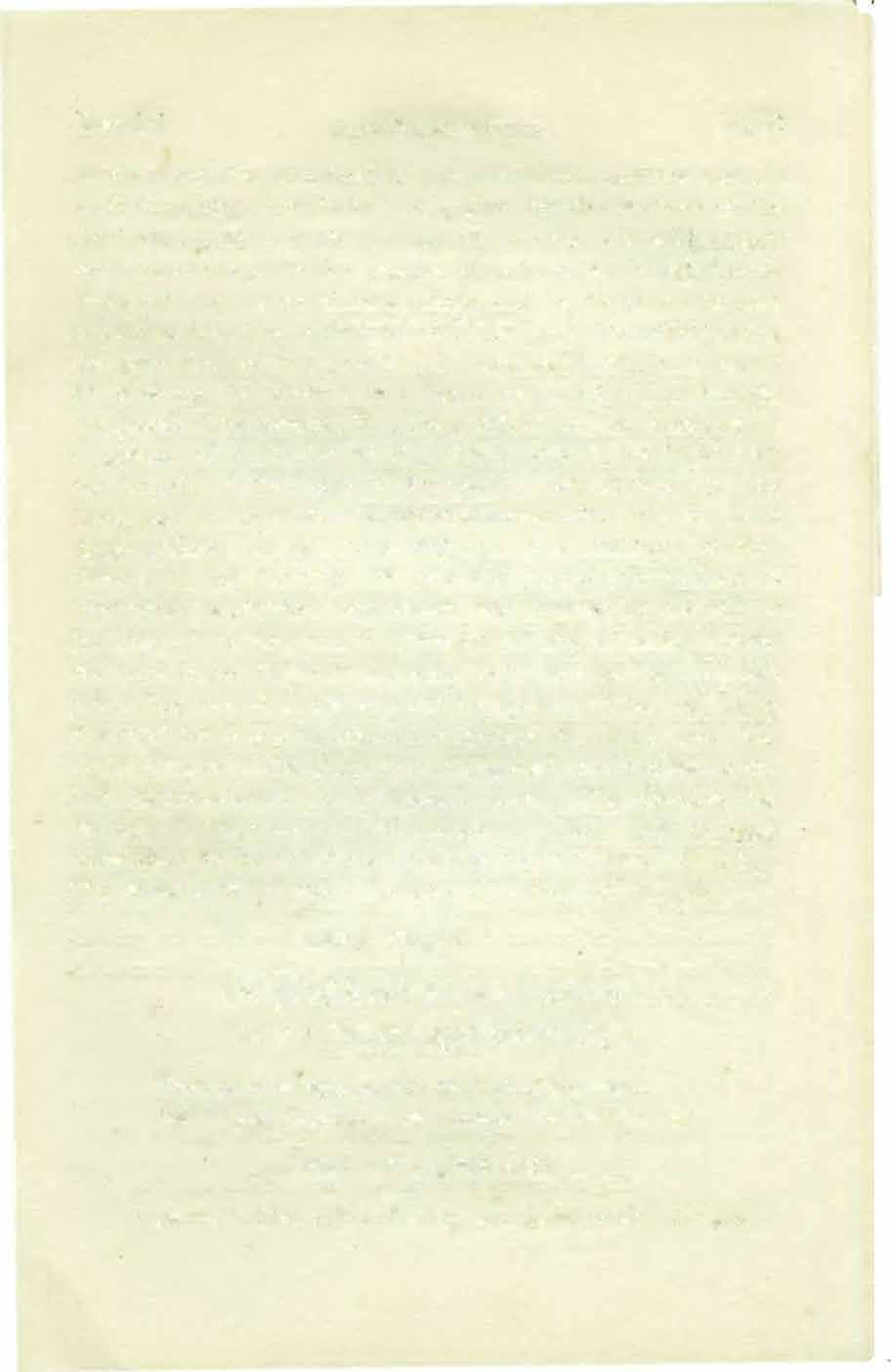
ENGLISH SYNONYMS
Tava-His (the sage's) Putra-son. Ati-awfully. Tejaswi-
Text
FIRST CANTO 1117
32]
�)sfa��cfT fet�� Sft�'f\)��: 1 �tiiTt'i snfqcf at� ��ett a�q:qp)a- '' ... ... Tasyaputra ati tejaswai villaran valkair arhkakaih Rajna agllam prapitam tatam srutwa tatra idam aTJrabit.
�
I'
powerfull, Viharan-whille playing. Valakair-with boys, Arhhakaihwho were all childish, Rajna-· by the king, .Agham-distress, Prapitam-made to have, Srutwa-by hearing, Tatra-then and -there, Jdam-all these, Avrabit-spoke.
TRANSLATION
The sage had a son who was very muchpowerful as a Brahmin's son and was playing with boys who were all inexperienced. ·The sage's son heard about the distress of thefather made by the ki�g�nd thus he began to say then and there like this.

PURPORT
By the preventive method of Maharaj Parikshit's good gcver· nment even boy of tender age who was playing with inexperienced other boys1 could become as powerful as a qualified Brahmin. This boy was known as Shringi and achieved good training of Brahmacharya by his father so that he could be as powerful as a Brahmin ' could be even in that age. But because the age of Kali was seeking opportunity to spoil all cultural herjtage of the four orders of life namly the Brahmins, the Kshatriyas, etc the inexperienced boy ofa Brahmin gave chance to the age of Kali to enter into the field of Vedic culture. Hating the lower orders of life began from this Brahmin boy under'the influence of Kali and thus deterioration of cultural life began to dwindle day after day, The first victim of Brahminical injustice was Maharaj Parikshit and thus the protection given by the king against the onslaught ofthe Kali became slac• kened. And the boy began to vituperate like this.
TEXT

Aho adharmah palanam pleebam balibhujam iba Swamini aghamyaddasanam dwarpanam sunamiva.
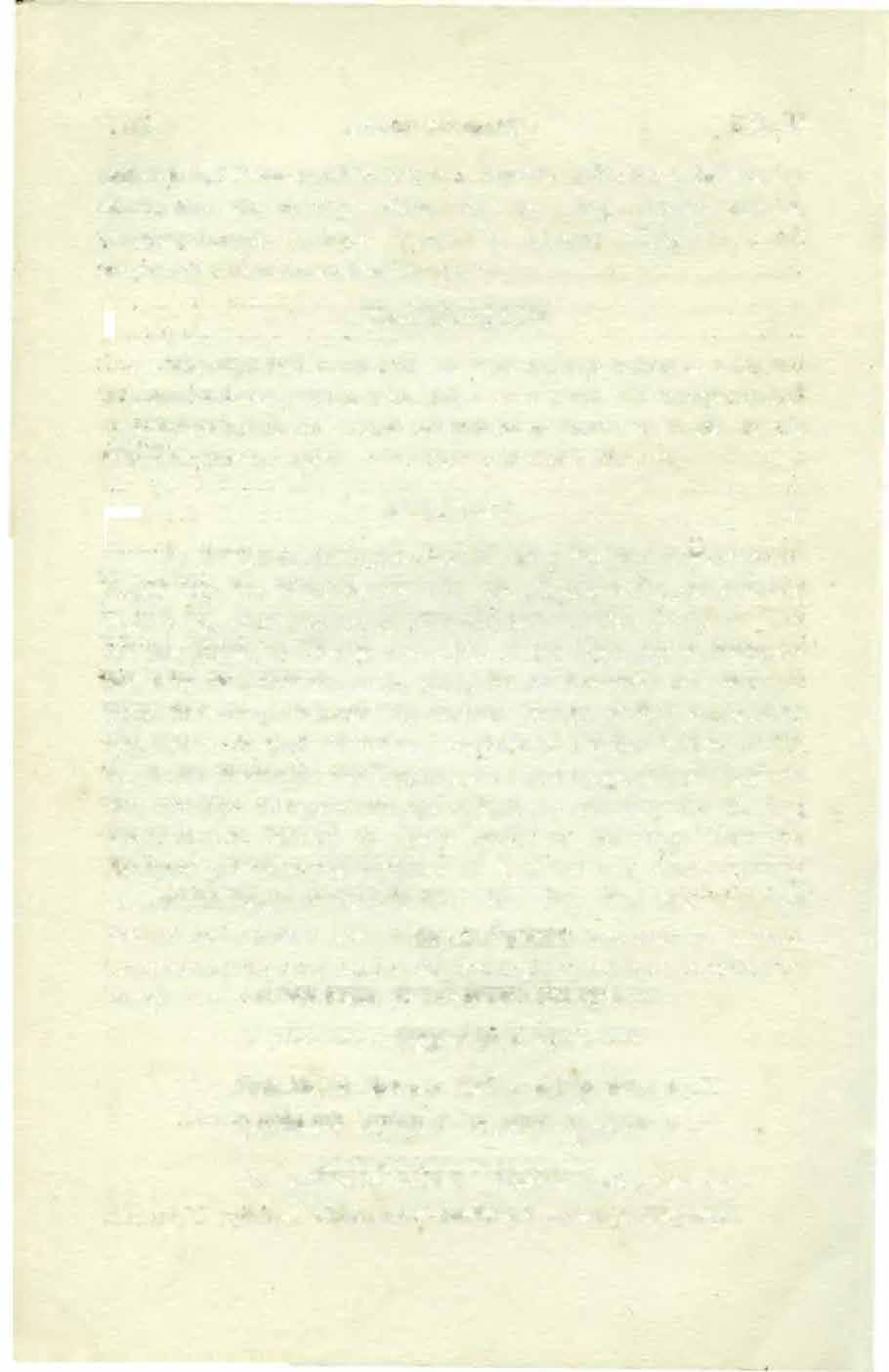
lllS 8BIMADBJU.GWA'I'AM [Ch� 18
NO. 33 � ���h -rn=rr.:tt t�i� qf��i3ftfqq t 'qtfq;:qf.i q�m;:rt rrt�qr.:rf �;:rtfq-q u
ENGLISH SYNONYMS

Aho-just look at, Adhannah-irreligiosity, Palanam--of the rulers, Pleebam-ofone who is brought up, Balibmyam-Iike the crows, Swamini-unto the master, Sunam-of the dogs, /ba-like, Agham-sin, rad-what is, Dasanam-ofthe servants, Dwarpanamkeeping watch at the door.

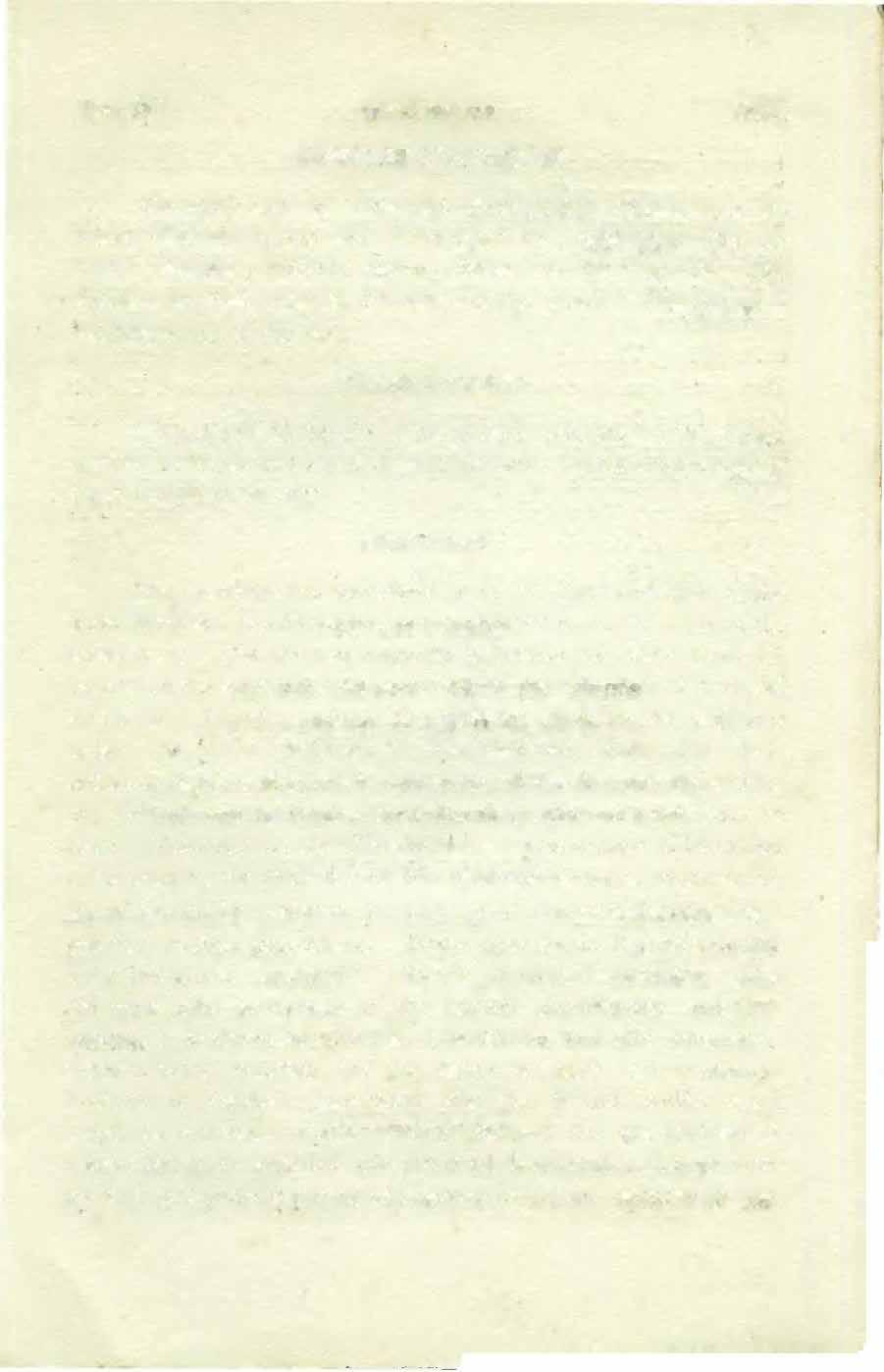
TRANSLATION
Ohjust look at the sins ofthe rullers who are verily brought up like the crows and watch dogs at thedoor, on the mastersagainst the principle ofservants.
PURPORT
The Brahmins are considered to be the head and brain ofthe social body and the Kshatriyas are considered to be the arms ofthe socsal body. The arms are required to pretect the body from all harms but the arms must act according to the direction ofthe head and brain. That is a natural arrangement made by the Supreme order and it is confirmed in the Bhagwat Geeta that four orders or castes ofthe society namely the Brahmins, the Kshatriyas the Vaishyas and the Sudras according to quality and work done by them. Naturally the son ofBrahmin has agood chance ofbecoming a Brahmin by the direc tion of the qualified father as much as the son ofa medial practitioner has very good chance for beeoming a qualified medical practitioner. So the caste system isquitescientific but it has special connection with the quality ofthe father. The son must take advantage of the father's qualification and thus become a Brahmin or medical practitioner and not otherwise. Without being qualified like the father no body can become a Brahmin or medical practitiouer and that is the verdict ofall scriptures and social or�ers. Herein Sringee the qualified son of a great Brahmin attained tne required Brahminical . power both by birth and training but he was lacking in culture because he was

Text 34] FI&ST CANTO 1119
I �
boy and inexperienced. By the influence ofthe Kali the son ofa Brahmin became puffed up with the Brahminical power and thus wrongly considered Mharaj Parikshit compared with crowsand.the watchdogs. The Kings are certainly watch dogsofthestate in a sense that they keep vigilant eyes over border ofthe state for itsprotection and defence but to address him as watchdog :is the sign ofa less culturedboy.Thusthe falldownoftheBrahminicalpowersbeganand they gave importance on the birth rightwithout any culture. Thefall down ofthe Brahmin caste began in the age of Kali. And as the Brahmins are,the head ofthe socialorder,'all otheriofthesocietyalso began to deteriorate in qualities and they remained so called Brahmins and Kshatriyas without any qualitative efficiency. This beginning of deterioration ofthe Brahmins was highly deplored by the father of Sringhee as we will find it hereinafter.
TEXT No . 34
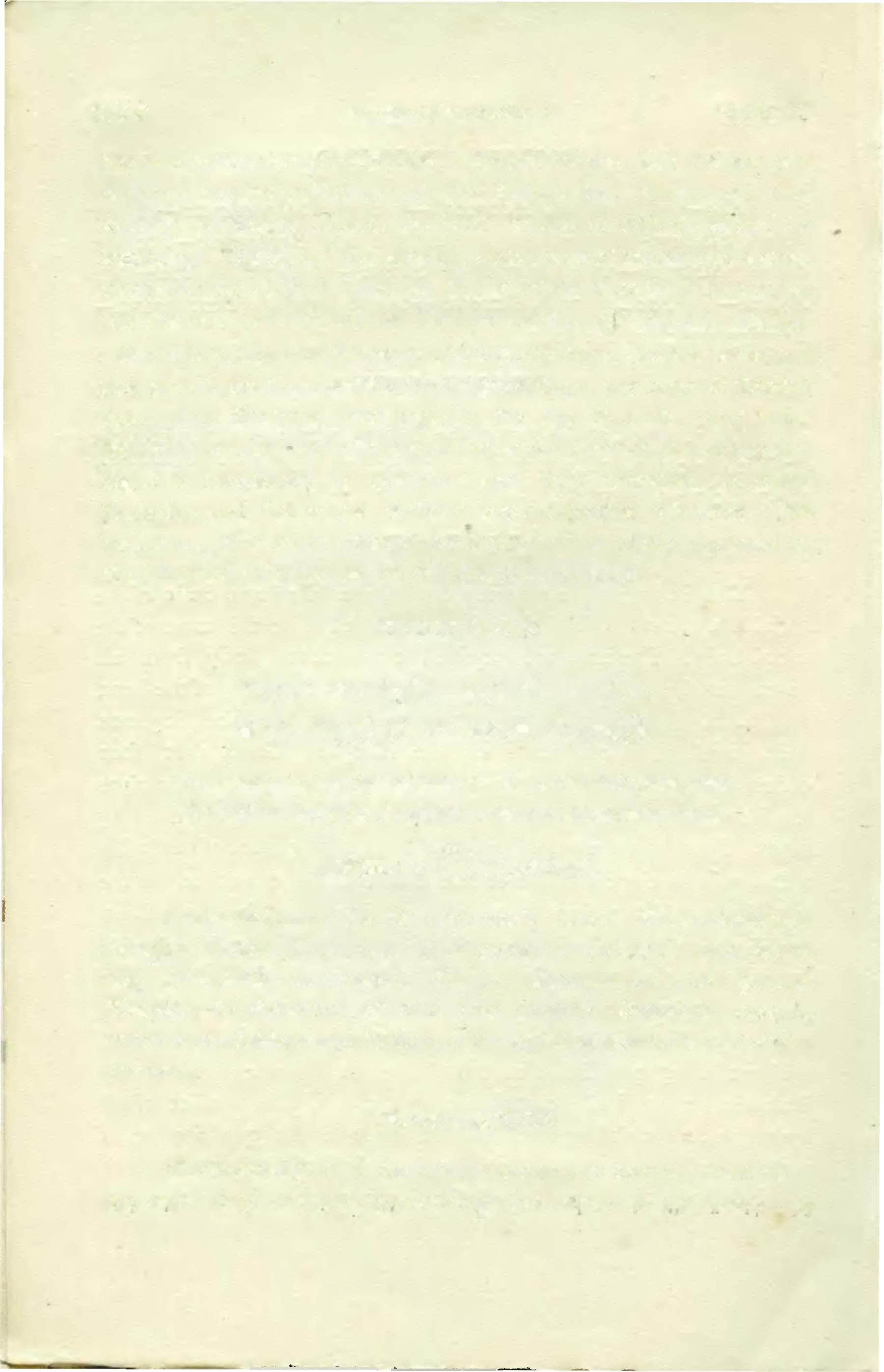
�ul: ��"'��� ��·n�) fil�fcm: t
� �� a\'!i at: �": �1t1q �)f!fgq�fa
Brahmanaih Kshatrahandhur hi g rihapalo nirupitah Sakatham tadgrihedwasthah sahhandam hhoktum arhati.
ENGLISH SYNONYMS
Brahmanaih-by the Branmininical order, Kshatrahandhurthesons of the Kshatriyas, Hi-certainly, Grihapalo-the watch dog, Nirupitah-designated, Sa-he. Katham-on what ground, Tadgrihe-in the home of him (the master) Dwasthah-keeping at the door, Sahhandam-in the same pot,Bhoktum-to eat, Arhutideserves.
TRANSLATION
The descendants of the Kingly orders are definitly fixed up as th� wa,tch do�s and they must keep themsdves at the door. OJ}
ll20
SRIMAD BHAGWATAM [Ch. 1�
u
what grouud such dogs can enter within the house and claim to dine with the master on the same plate ?
PURPORT
The inexperienced Brahmin boy certainly was informed ofthe fact that the King asked for water from hi:� father and the father did not respond to suchrequest. He tried to explain away the incidence of non-reception ofthe king by his father,in theimpertinent manner just fitting an uncultured boy. He was not at all sorry for the king being not received well buton the contraryhejustifiedthe wrong act in a way·as the Brahminsofthe Kaliyuga would do it. He compared the king with the watch dog and as such it was wrong for the king to enter within the home boundary ofBrahmin and ask for water in the same pot? The dog is certainly reared by its master but that does not mean that the dog shall daim to dine and drink in the samepot C\fthe master ? This mentalityrffalseprestige'ofthehigher caste upon the loweris the cause offall down of the perfect social order and we can see that the beginning was started by the inexperienced son of a Brahmin. As the dog is never allowed to enter within the room and hearth, although it is rearedbythe master, sim. ilarly according to Sringi, the king had no right to enter the house ofthe Kousika Rishi. According to the boy's opinion the king was on the wrong side and not his father and thus hejustified his silent father.
TEXT No. 35

Krishne gate bhagawati sastari utpathagaminam
Tadbhinna setuw aham adya sasmi pasya meualam.
ENGLISH SYNONYMS
Krishne-Lord Krishna, Gate-heving departed from this world, Bhagawati-the Personality ofGodhead, Sastair-the SupreJP.e Ruler, Utpathagaminam-of those who are upstarts, Tadblzinnq-
Text 35] FmSTCANTO 1121
..
•
� �+( ••
lf!RT rr8 'itrtCifo �T��
�tNmf;r;:rl"!
af�ff(��'-"T��nf�q q'tlfo
being separated,Setum-the protecter, Aham-my self,Adya-to day Sasmi-shall punish, Pasya-just see, Me-mine, Valam-prowess.


TRANSLATION

On the departure of Lord Sri Krishna the Personality of Godhead and the Supreme Ruler of every one, -the upstarts have flourished separated from the protector and therefore I shall take up the matter to punish them just see my power.
PURPORT
The little inexperienced Brahmin puffed up by Iittl€ Brahmateja became influenced by the spell ofKali yuga. 1\,faharaj Parikshit gave license to Kali yuga for living in four places.as mentioned hereinbefore but by his very expert Government the personality of Kali hardly found out the places alloted to him. The personaity of Kaliyuga was therefore seeking out the opportunity to establish authority and by the Grace of the Lord the personality ofKali found out a hole in the puffed up little inexperiencedson ofa Brah· min. The little Brahmin wanted to show his prowess in the matter ofdestruction and had the audacity to punisha great king like Maharaj Parikshit. He wanted to take up the place of Lord Krishna after his departure? These are the principal signs ofupstarts who went to take the place ofSri Krishna under the influence ofthe age ofKa1i. An upstart with little power Wants to become an incarnation ofthe Lord. There are many such false incarnations after the departure ofLord Krishna on the face ofthe globe and they are misleadingthe innocent public by accepting the spiritual obedience ofgeneralma.ss ofpeople for maintaining a false prestige of his own. In other words the personality ofKali got the opportunity of his reign through this son ofa Brahmin Sringhee
1122 SRIMADBHA.GWATAM [Ch. 18
TEXT NO. 36 "'�en �)�m�) �ll't;fW���'l"t=r"': '' ii)f�tq 'i1R'J�ll' 'fTtcr·::;;f fct"��\1( � II
FIRSTCANTO
Iti uktwa rosatamraksho vqyavan rishivalakah
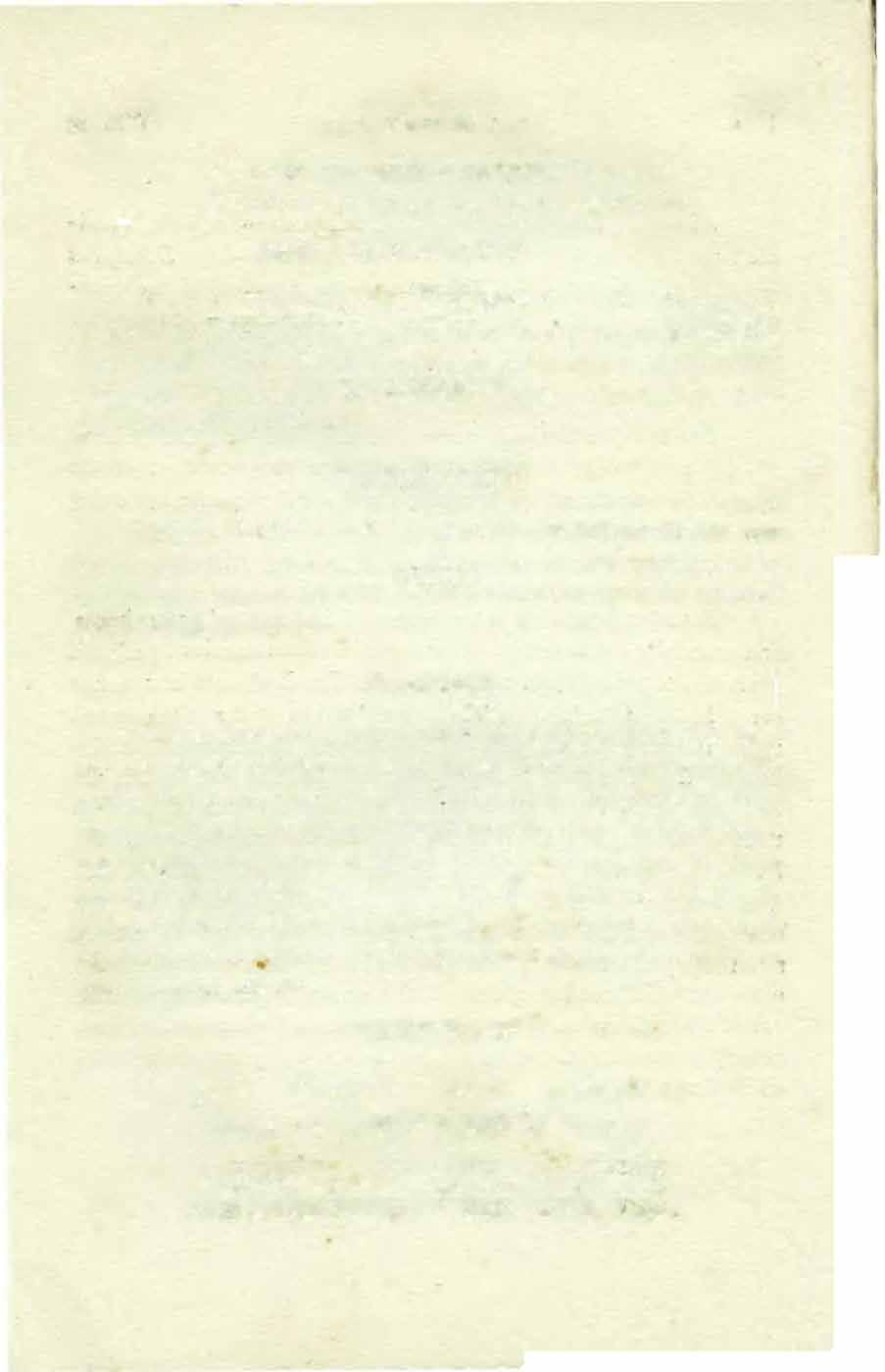
Koushiki apa upasprisya bag bajram visasarja ha.
ENGLISH SYNONYMS
1123
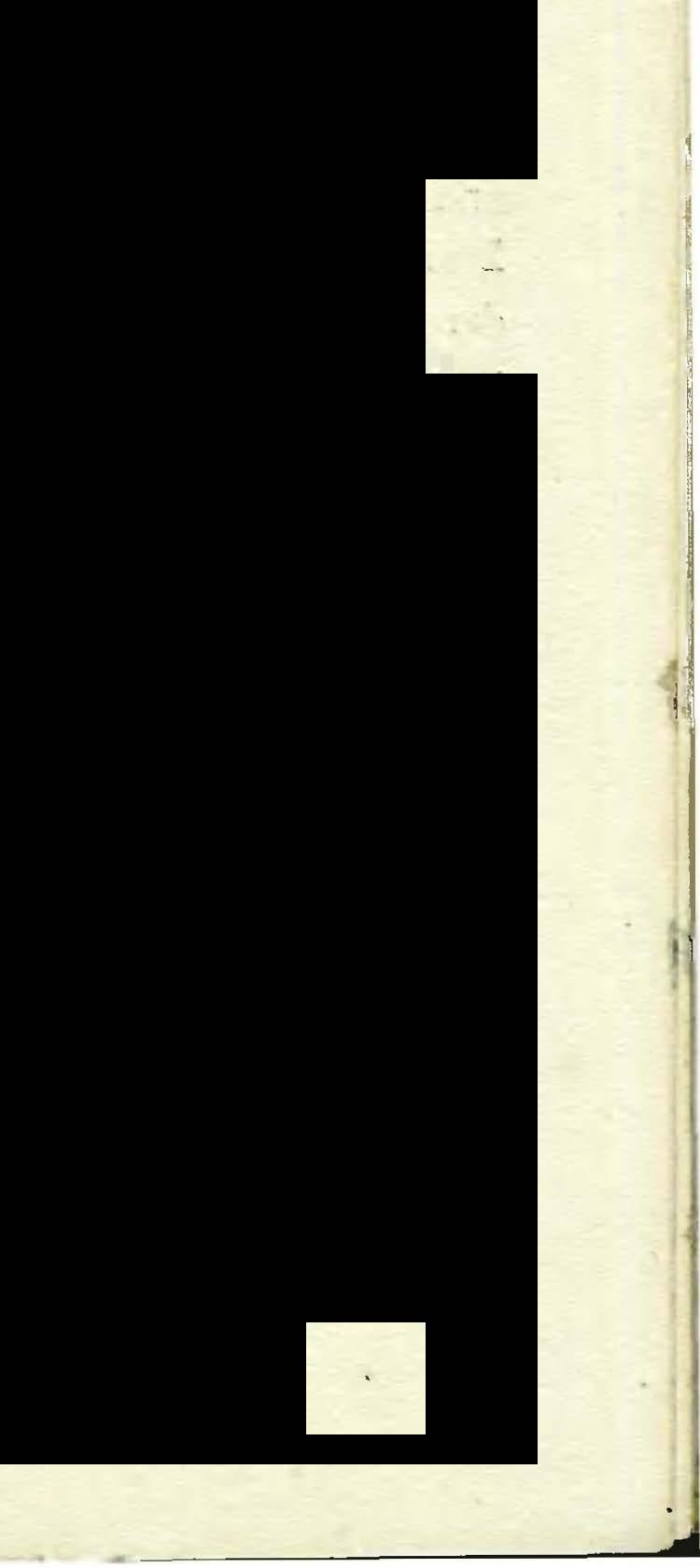
lti-thus, Uktwa-saying, Rosatamraksha-with redhot eyes on account ofbeing angry, Vaya.ryan-un to the playmates, Rishivalakah -the son ofa Rishi, Koushiki -the river ofthe name, Apa-\'\ ater, Upasprisya-by touching, Bag-words, Vajram-thunclerbolt, Sasatja-threw, Ha-in the past.

TRANSLATION
The son ofRishi thus being overtaken by anger had his eyes redhot and while speaking to his playmates as abovementioned he touched the water ofthe river Koushik and discharged the thunderbolt ofwordsas follows.
PURPORT
The circumstances undert which Maharaj Parikshit was cursed . were simply childish as it will appear from the statement ofthe verse under review. The son ofa Rishi namely Sringhee was show.. ing bis impudency amongst his playmates who were as much innocent otherwise any sane man would have prevented him in doing such great harm at the cost ofsufferings ofall human society. By killing a king like Maharaj Parikshit just to make fun of the acqui· red Brahminical prowess, the inexperienced son ofa Brahmin committed a great mistake.
Iti lamghita maryadam takshakah saptame alzani
Dakshyati sma kulangaram chodite me tatadruham.
1'ext
37]
37
a�: ��q�fif 1 ���fa��tm� t:�)m) q atc:nr ...�ta
TEXT No.
tfa �ftmqqf�
ENGLISH SYNONYMS
Iti-thus, Lamghita-surpassing, Maryadam-etlquette, Takshakah -snake bird, Saptame-on the seventh, Ahani-day, Dakshyanti -will bite, Sma-certainly, Kulangaram-the wretched of the dynasty, Chodito-having .done, Me-mine, Tatadruham-enmity with father.


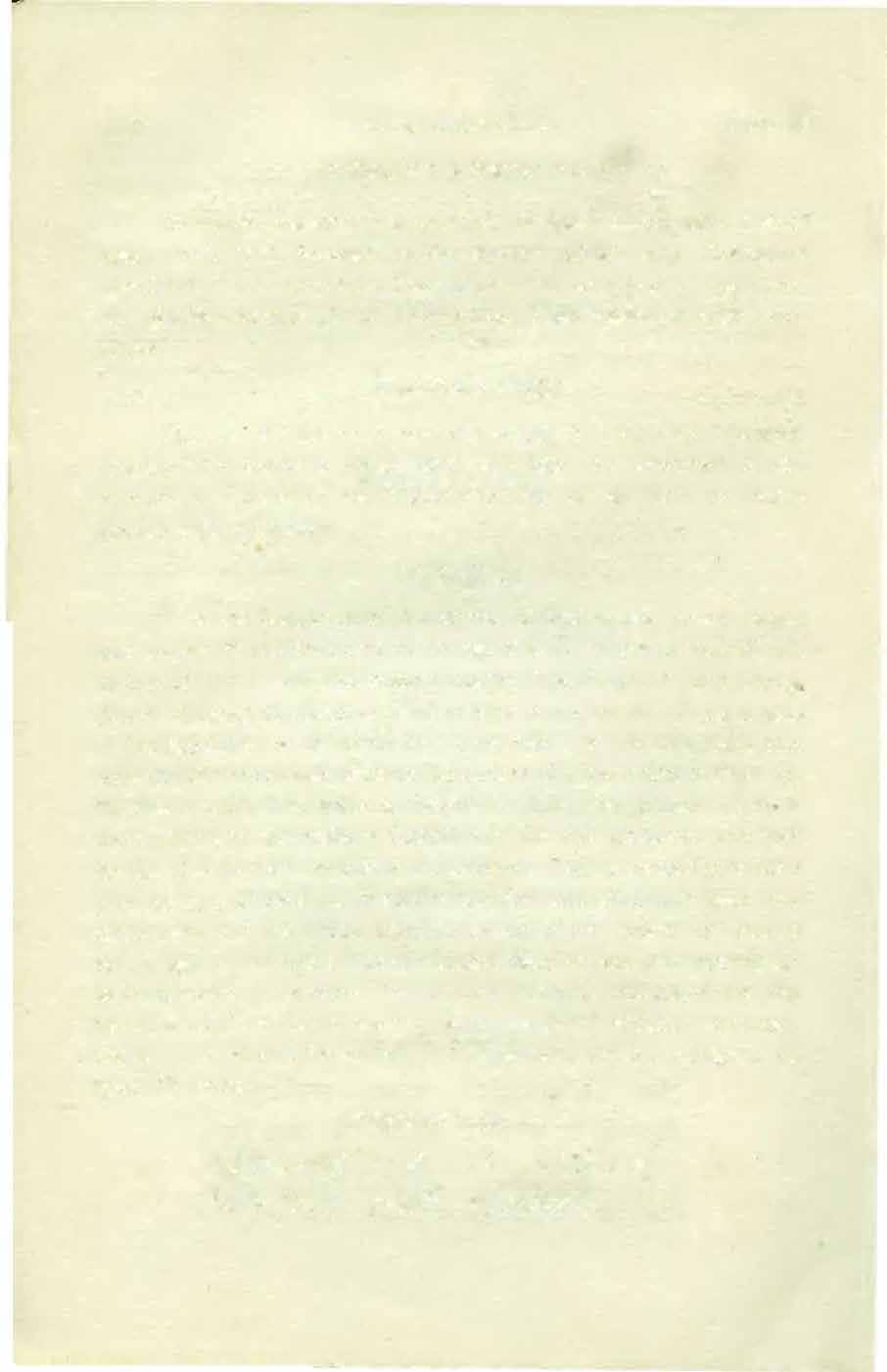
TRANSLATION
The son of a Brahmin cursed the king like this " On the seventh day from to-day a snake bird will bite the wretched of the dynasty on account of his breaking the law of etiquette by doing enmity with my father.
PURPORT
Thus the beggining of the misuse ofBrahminical power began andgradually,theBrahmins in the ageofKalibecame devoid-ofboth Brahminical prowess and culture mostly. The Brahamin boy considered Maharaj Parikshit as 'Kulamgara' or the cinder ofthe dynasty but factually the Brahmin boy himselfwas so because from him onlythe Brahmin caste became powerles3 like the snake broken by its poisen teeth. The snake is fearful so long the poisen teeth is there otherwise the snake is fearful only for the children and not for the elderly men who knows the secret. The personality ofKali thus conquered over the Brahmin boy first and gradually over the other caste and the whole scientific system ofthe orders of society in this age has assumed a form vitiated caste system now attempted to beuprooted by another class ofmen similarly influenced by the age ofKali. One should see to the root cause of vitiation and may not try to condemn the system as it is without any knowledge ofits scienttific value.
1124 SRIMAD BHAGWATA.l\1 [Ch.18
TEXT NO. 38 as)�q�q cnil � ���'l1:q ... fqa-( t�i�q !:QJTa-1 �eraetio)ll�)• � ,,
Tato abhyety1 ashramam ualo galesarpa kaleuaram.
Pitaram beekshya duhkharto muktakantho ruroda ha.
ENGLISH SYNONYMS
Tato-thereafter, Abhye{Ya-afrer entering into, AshramfJmtbe hermitage, Valot-he boy, Galesarpa-the make on theshoulder, Kalevaram-body, Pitram -unto the father, Beekshya-baving seen, Duhkharto-in sorry plight, Muktakantho-loudly, Ruroda-cried, Ha-in the past.
TRANSLATION
Thereafter when the boy returned in the hermitage, he saw his father wrapped by hild body with a snake on shoulder and thus being too much aggrieved began to cry very loudly.
PURPORT
The boy was nothappy within his mind on account ofcommitting a great mistake and he wanted to be relieved of the burden on the heart by crying. So after entering the hermitage and seeing his father in that condition he cried loudly so that he may be relieved but it was too late and the father regretted the whole inci.dence as it will appear in the following verses.
TEXT No. 39
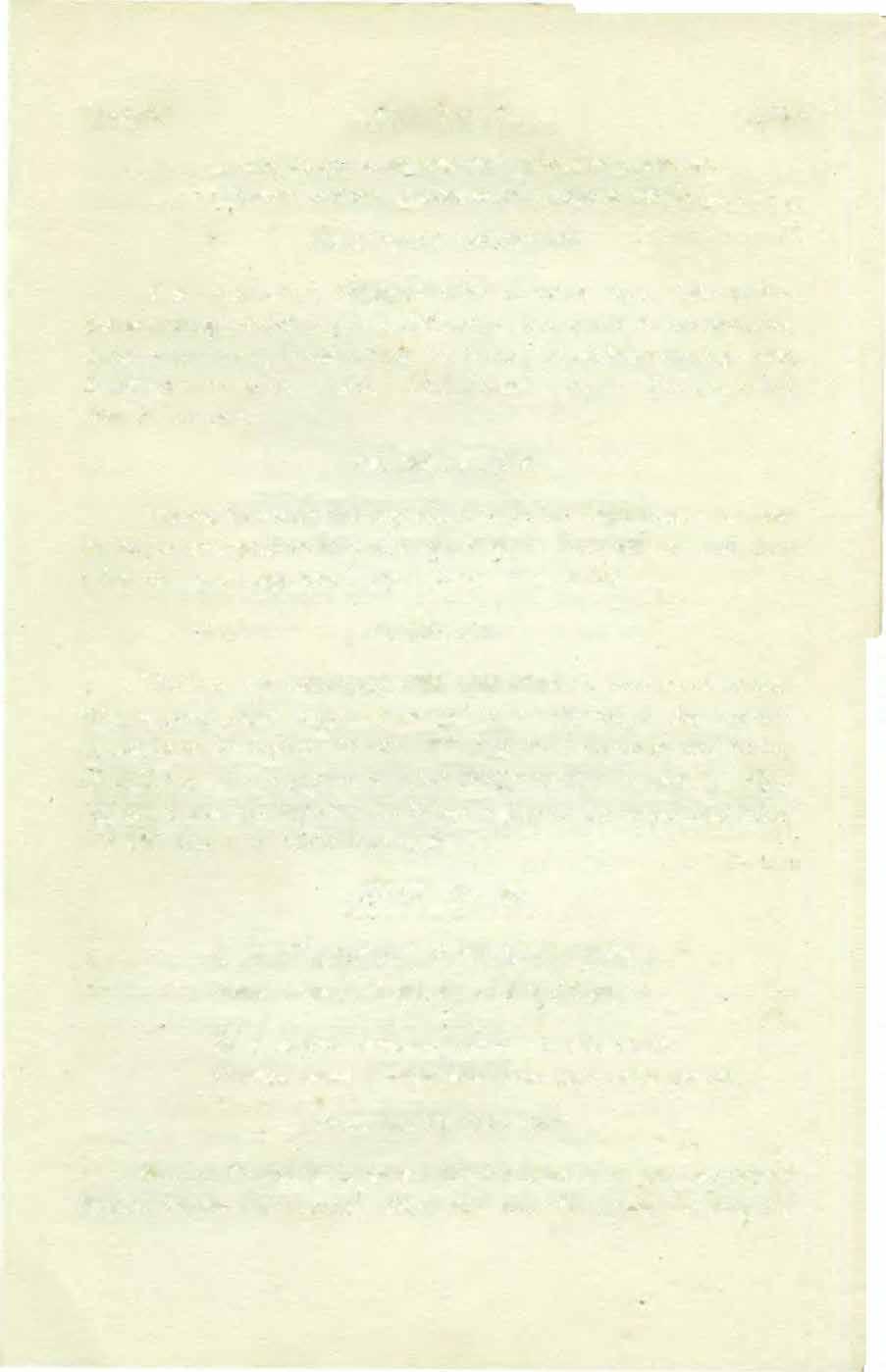
Sa va angiraso brahman:srutwa suta uilapanam
Unmilya sanakair netre drstwa cha amse mrita uragam.
ENGLISHSYNONYMS
Sa-he, Va-also, Angirasa-the Rishi born in the family of Angira, Srutwa-on hearing, Suta-his son, Vilapanam-crying in

Text 39] FiltSTCANTO
1125
"
�T Qffrr�«)•�1. S!o1'0ccn �a-fcr�Tq'lt:{ 1 '3';:ifT���efi';i�qiSeeTT �f� t:ra-)�qq II ., a. "
distress, Unmih'a-opening, Sanatair-gradually, Netre-by the eyes Dristwa-by seeing, Cha-also, Amse-on the shoulder, Mrita-dead Uragam-snake.
TRANSLATION
Oh the brahmins, the Rishi who was born in the family of Angira Muni thus hearir,g his son crying gradually opened his eyes and saw a dead snake on his neck.
TEXT No. 40
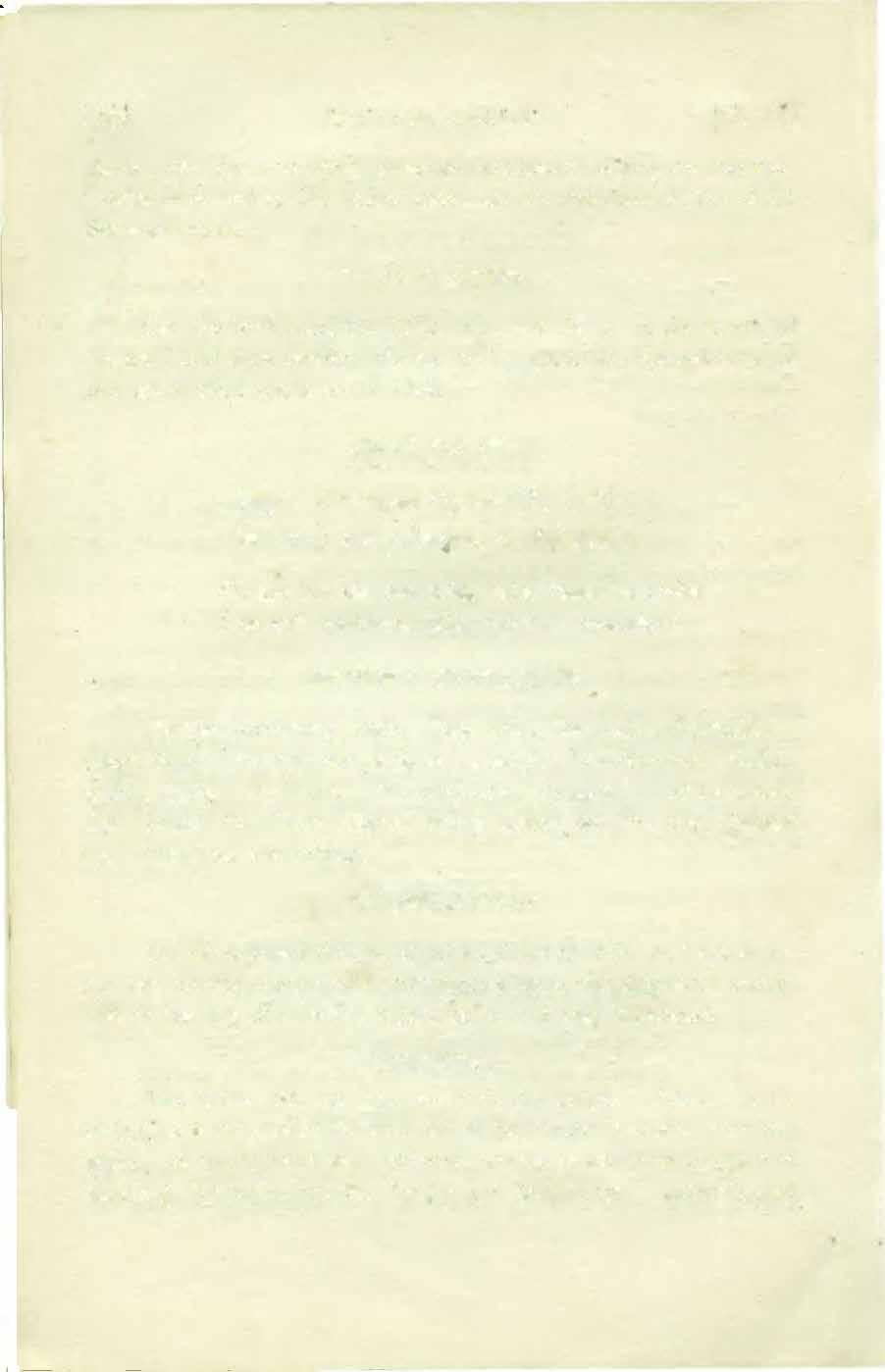
f'im:flfei::q qsr:au CJc"lfl�Tf;r �)fqf-. • ..

";r "'a q-qff!afq�: � illilC(lfC! ••
Visrijya tam chapaprachha vatsa kasmat hi rodisi Kena vale apakritam hiti uktah sa nyavedayat.
ENGLISH SYNONYMS
VisriJya-throwing aside, Tam-that, Cha-also, Paprachhaasked, Vatsa-my dear son, Kasmst-what for,Hi-cetrainly, Rodisicrying, Kena- by whom, Va-otherwise, Apakritam-misbehaved, Api-either, Iti-Thus, Uktah-being asked, Sa-the boy, .Njavadavat-informed everything.
TRANSLATION
He threw away the dead snake from b.is neck and asked his son why he was crying who might have done him any harm either and on hearing this the son explained to him that happened.
PURPORT
The father did not however took the matter ofdead snake onhi(:neck very seriously and he simply threw it away from the place. Actually there was nothing wrong seriously on the part of Maharaj Parikshit but the foolish son took it very seriously and
1126 SRIMID
BluGWATAM (Ch. 18
being influenced by the.Kali he cursed the king to end a chapter of happy history ofthe human kind.
TEXT No. 41
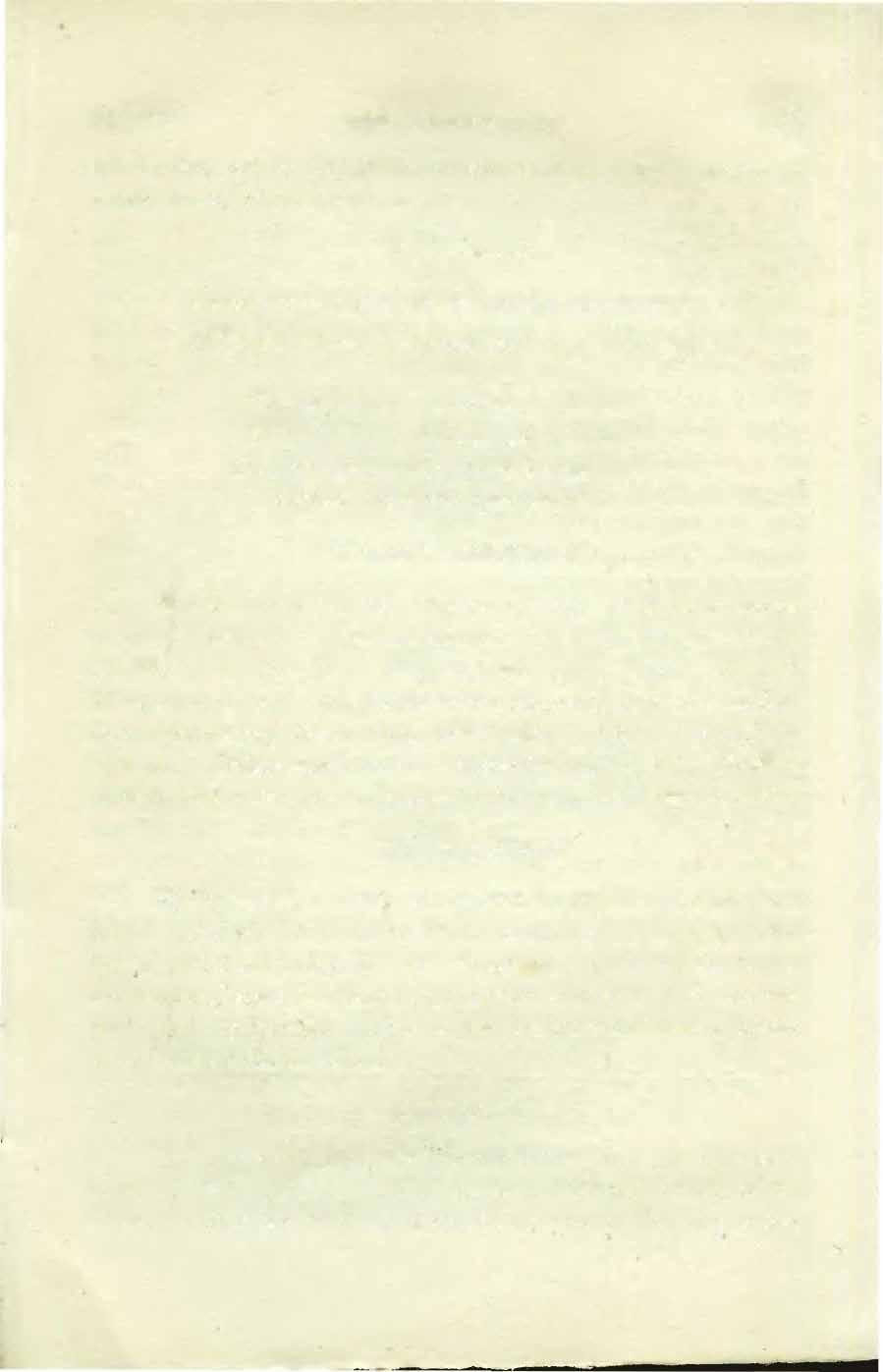
f'f�lt �qa�i tf=t;sr• " Wtq:rGJ);:n('f:st\':Q'";q� •
IR�) .at� q�q:a 8 "Ja'l��lff" sr)� m) ,a: ••
Nisamya)aptam atadarham narendram Sa hrahmane na atmajam abhyanandat Aho bata amha mahat adya te Kritam Alpiyasi droha ururdama dhritah.
ENGLISHSYNONYMS
Nismaya-after hearing, Saptam-cursed, 'Atadharham-never to be condemned, Narendram-unto the King thebest ' of the human kind, Sa-that, Brahmanh-Brahmin Rishi, No-not A.tamjam-his own son, Abhyanandat-congratulated, A.ho-Alas, Rata-distressing, Amha-sins, Mahat-great, At[ya-to-day, Teyourself, Kritam-performed, Alpiyasi-insignificant Droheoffence, Urur-very great, Dama-punishment, Dhritah-aw arded.
TRANSLATION
The father Rishi after:hearing from the son that the king was cursed although he is never to be condemned because he is the besCof all:human being, did not congratulate . his own son but on the contrar(began to repentby saying alaswhatgreatsinful act was performed by him (his sonJ as he has had awarded heavy punish ment for insignificant offence.
PURPORT
The king is the best .�ofall�human,being, he is the representative of God and he is never to be condemned for any of his action. In other w.:>rds the king can qq nq wrong. The king order�
Text 41J FIBSTCANTO 1127
for hanging of a culprit son ofa Brahmin but for that reason he does not become liable to be sinful on account of killing a Brahmin. Even there is something wrong on the part of a king, the king is never to be condemend as much as a medical practitioner may kill a patient by mistaken treatment but such killer is never condemned to death. And what to speak ofa good andpious king like Maharaj Parikshit. In the Vedic way of life the king is trained up to become a Rajarshi or a great saint although a ruling king. Because it is the king only by whose good government the citizens can live peacefully and without any fear. The Rajarshis would manage their kingdom so rlice]y and piously that the subjects of the king would respe•t him as if the L01d Himself. That is the instruction of the Vedas. The king is called Narendra or the best amongst the human being. How then the king like Maharaj Parikshit could be condemned by an inexperienced puffed up son of a Brahmin even though he attained the porwess of a qualified Brahmin.
The Samik Rishi as he was an experienced good Brahmin did not approve of the action ofhis condemned son. He began to lament therefore for all that his son had done. The king was beyond the jurisdiction of being cursed as a general rule and what to speak @f a good king like Maharaj Parikshit. The offence of the king was most insignificant and he was condemned to death was certainly a very great sin on the part of the son ofa Brahmin and therefore the Rishi Samik regretted the whole incidence as foHowsl-
TEXT No. 42


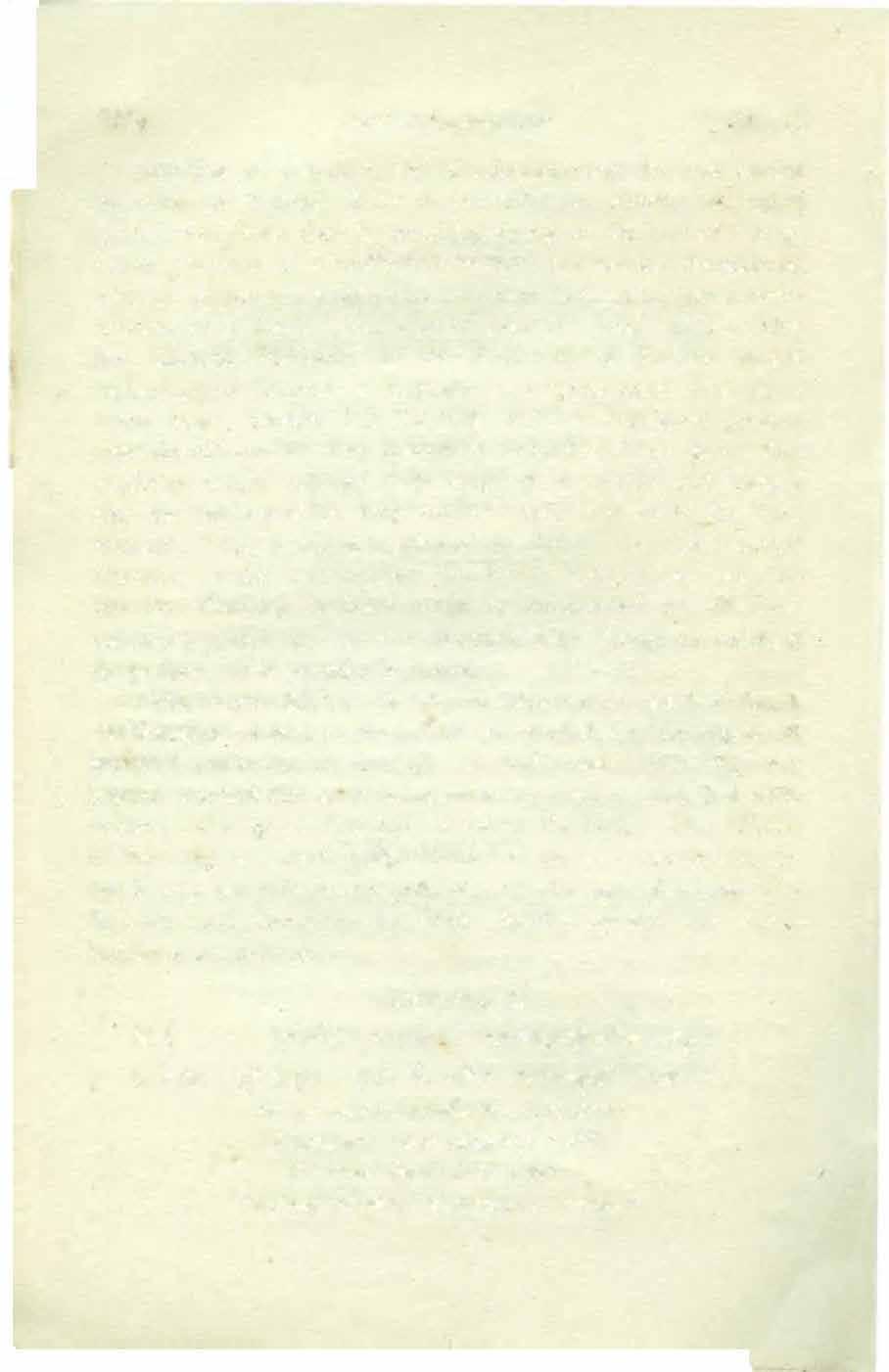
.Na vai nribhir naradevam parakhyam
Sammatum arhasiabipakka buddhe rat tejasa durvisahena gupta Vindanti bhadrani akutobhayah parajash.
1128 SRIMADBRAGWATAM [Ch. 18
cl ;f+r.i��
l
�
q�T�ti ��'ftgt:r��qRqlf�!;a''
���'ilm FCiftiT�'Gf �' fer;�fi:cr �rtvq�a)�qt:srGfr: 11
ENGLISHSYNONYMS
Na-never, Vai-as a matter offact, Nribhir-by any man, Naradevam-un to humanly God, Parakhyam-who is transcendental, Sammatum-place on equal footing, Arhasi-deserve, Abipakkaunripe or immature, Buddhe-intelligence, rat-by \\hose, Tejasa-by the prowess, Durvisahena-unsurpassable, Guptaprotected, Vindanti-enjoys, Bhadrani--all prosperities, Akutobhayocompletely defended, Prajah-the subjects.

TRANSLATION
Oh my boy, you are completely immature intelligently and therefore you have no knowledge that the king who, is the best amongst the human being5, is as good as the Personality of Godhead and therefore he is never to be placed on equal footing with other common man. The citizens of the state do live in all prosperity being protected by him by his unsurpassable prowess.
TEXT NO. 43
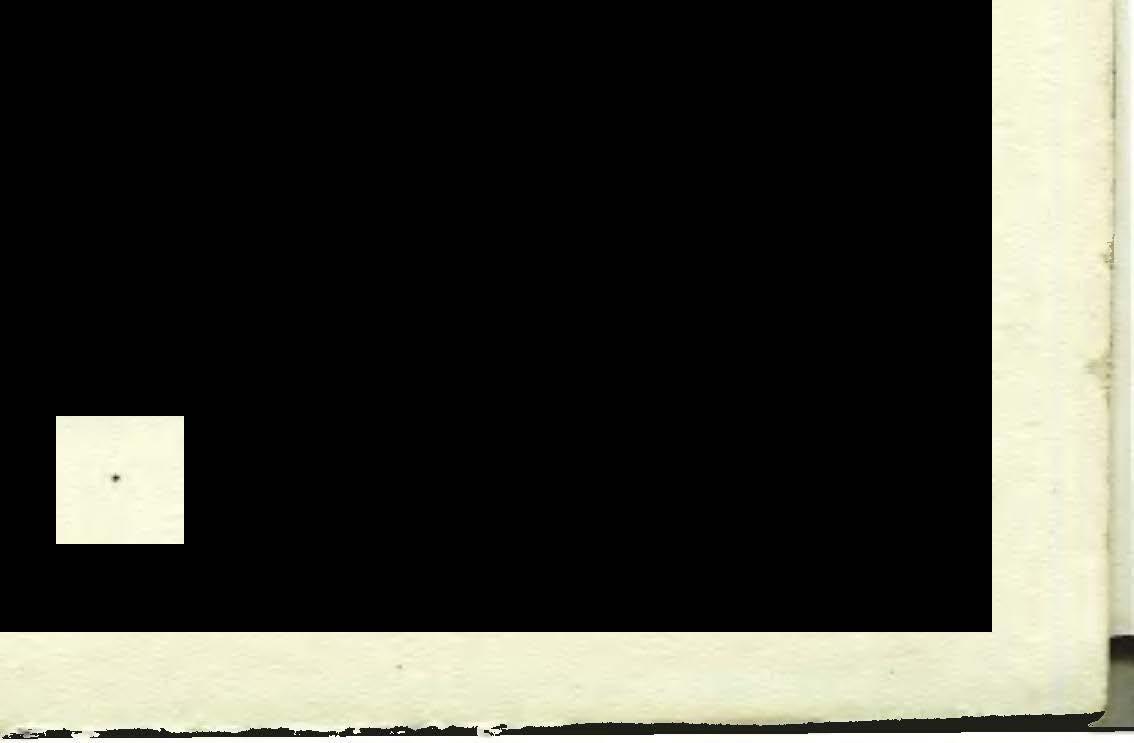
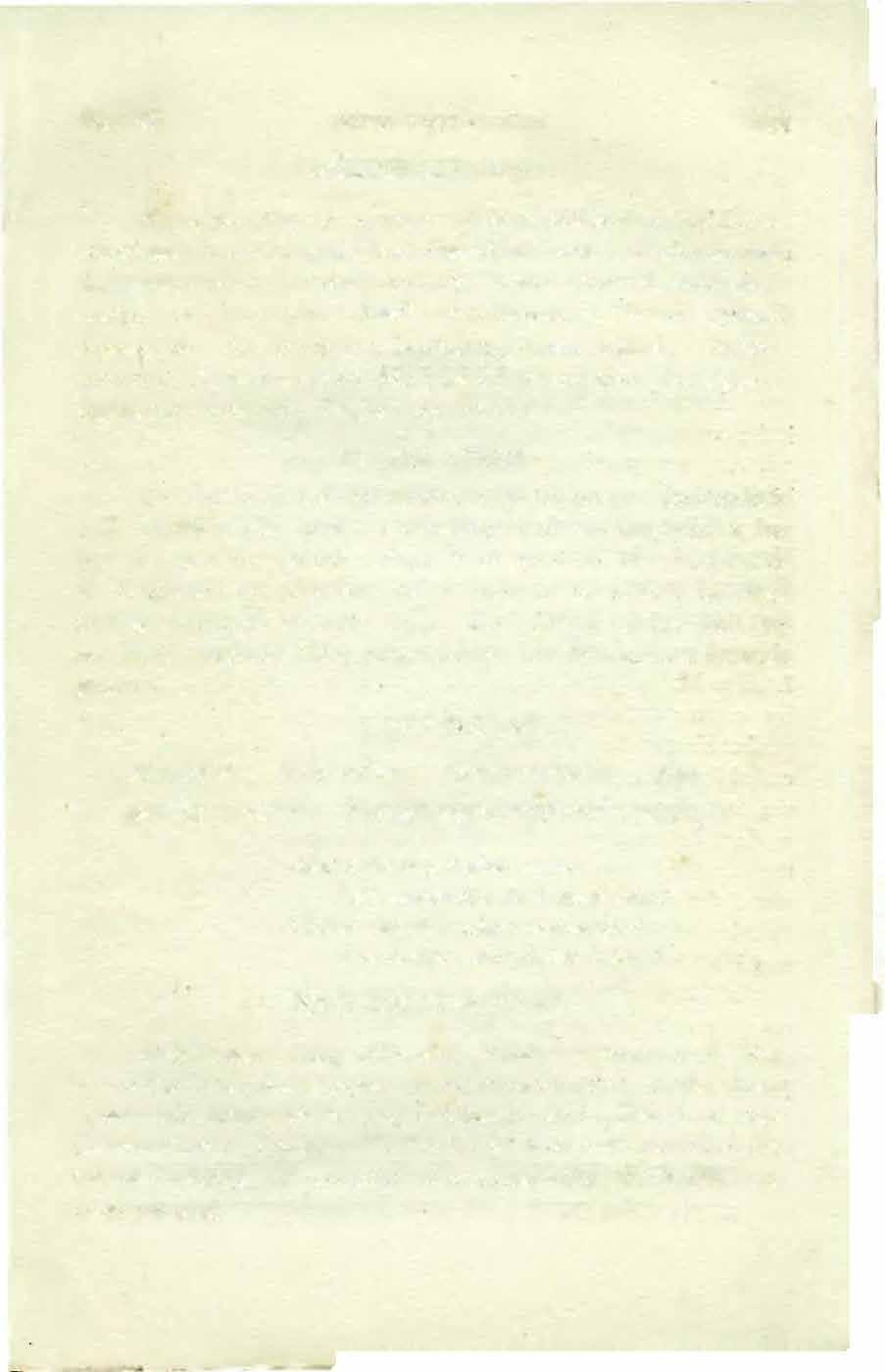
Alakshamane naradeva namni
Rathamgapanou ayam amga lokah Tatlahi choura prachuro vinamkshati
Arakshamano aviruthalJat kshanat.
ENGLISHSYNONYMS
Alakshamane-being abolished, .Naradeva-monarchical, .Namni-ofthe name, Rathangapanou-the representative of the Lord, Ayam-this, Amga-oh my boy, Lokah-this world, Tadahi-at once, ChDura-thieves, Prachuro-too much, Vinamkshati-vanquishes, Ara· kshamano-being not protected, Aviruthavat-like the Iambs, KshGnat-at once,
Text 43] FffiSTCANTO 1129
Sl��lfqTur ;:r��Cf;=JTfio:J ��f�qTQTTCftfq� �)Cfi': I tfqt f� �1�sr:;�) fcr;:r�ttffi��lfq'TQT)sfccer��cr��Qltty u
1
My dear boy the Lord Who carries the wheel ofa chariot is represented by monarchical regime and this being abolished the whole world becomes:full ofthieves who then and there vanquish the unprotected subjects like the scattered lambs at once.
PURPORT
According to Sreemad Bhagwatam the monarchical regime is the representative ofthe Supreme Lord the Personality ofGodhead. Actual responsible government can be established by monarc· hical regime because the king is trained up individually about the real political cult in relation with the qualities of the Lord. The king is said to be the representative ofthe Absolute Personality of Godhead because he is trained up to acquire the qualities of God for protecting the livings beings. The battle of Kurukshetra was planned by the Lord for establishing the real representative ()fthe Lord as Maharaj Yudhisthir. An ideal king thoroughly trained up by culture and devotional service with the martial spirit makes a perfect king and such personal Monarchy is far better than the so called democracy without any training and responsibility. The thieves and rogues like many notorious ministers of the state of modern democracy seek election by malrepresentation of votes and the successful rogues and thieves like the wolf devoure the existe· nce ofthe mass ofpopulation like the scattered lambs. One trained up monarch is far better than hundreds of useless ministrial rogues and it is hinted herein that by abolision of monarchical regime like that ofMaharaj Parikshit the mass ofpeople becomes open to so many attacks ofthe age of Kali and they are never happy in such much advertised form ofdemocracy. The result ofsuch good kingless administration is described in the following verses.
TEXT

1130 8BIJ(AD BHAGWAT.lM (Gh. 18
TRANSLATION
CRU �:qtlt1!�lA� q;;f��ll '(«)�� l tmq'( oq;fia �fia' ,.\118 q51�i �)� ��cr�lfif)\ift:fT: u
No. 44
Tad adya nah papam upaite anwayam rat nasta nathasya hasor vilumpakat Parasparam ghnantisapanti vr;njate
Pasunstr�o arthanpuru dasyhojan.h
ENGLISH SYNONYMS
Tad-for this reason, Adya-from this day, .Nah-upon us, Papam-re'lction ofsin, Upaiti-will overtake, Tat-because,.Nasta -abolished, Natha.rya-ofthe monarchy, Pasor-ofwealth, Vilumpakat-being plundered, Parasparam-between�one another,Ghnantiwill kill, Sapanti-will do harm, Vrinjate-will steal,Pasun-animals, Strio-women, Artham-riches, Puru-greatly, Da.vavo-theives, Janah-the mass of people.
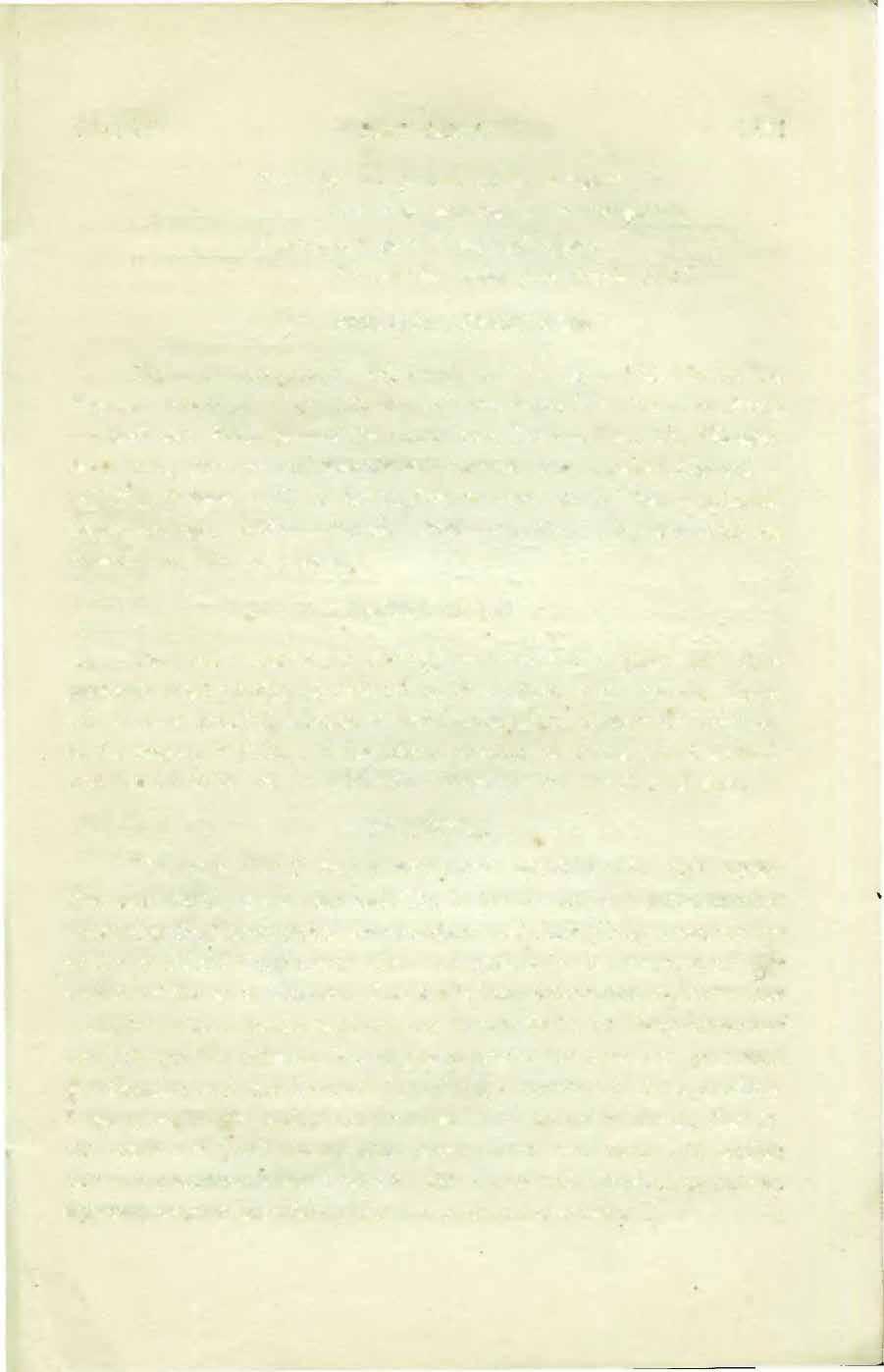
TRANSLATION
Thus on account of ending monarchical regime and thus people's wealth being plundered by the rogues and thieves, there will be now great'disruptionofsocial anomaliesbetween one another in the matter ofkiJling, doing harm, stealing ofanimals and women and for all these we shall be responsible for the reaction ofsins.
PURPORT
The word Nah ( we) is very much significant in this verse. The sage rightly takes responsibility ofthe Brahminas acommunity for killing the monarchical government and thus giving opportunity to the so called democrats who are generally plunderers of the wealth ofthe state subjects. The so called democrats capture the administrative machine without any responsibilty for the prosperous condition of the citizens. Every one captures the post for personal gratification and thus instead ofone king a number of irresponsible kings growup for taxing the citizens. It is foretold herein that in the absense ofgood monarchical government every one will be the, cause ofdisturbance for others in the matter of plundering riches, animals, women and doing harm to one and another.
Text 21] FtRsTCANTO
1131
TEXT No. 45

a-<trssr.i�t:l: srfi;f�ftret '1'llt q-urh·lt{T;fT�9;a"�lfiqlf: 1
a-a)s��n+nf�f;r�f�at�'l'il �;rt �q);rtf�(( crohicr�: n "'
Tada ar)'a dharma 11Jraviliyate nrinam
Varna ashrama acharayuta strayeemayah
Tato artlza kamabhinibesita atmanam
Sunam kapinam iva varnasamkarah
ENGLISH SYNONYMS
Tada-at that time, Arya-progressive civilization, Dharmaengagement, Praviliyate-becomes systematically vanquished, Nrin· am-C)fthe humankind) Varna-caste, Ashrama-orders of society, Acharayuta-composed with good manner, Straeemf:!1ah-in terms of the vedic injunction, Tala-thereafter, Artha-economic development, Kamabhinibesita-fully absorbed in the matter of sense gratifi· cation, Atmanam-ofmen, Sunam-like the dogs, Kapinam-like the monkeys, Varnasamkarah-unwanted population.
TRANSLATION
At that time the people in general will be systematically vanquished from the progressive way ofcivilization in the matter ofqualitative engagements ofcastes and the: orders ofsociety for good manners in terms ofthe Vedic injunctions ofthe human kind and thus they will be more attracted by economic development for sense gratification and unwanted population of the type of dogs and monkeys.
PURPORT
It is foretold herein that in the absence of monarchical regime the general mass of people will be unwanted population ofthe type ofdogs and monkeys. As the monkeys are too much stxually inclined and the dogs are shameless in the matter of
11�2 S1UMAD Bli.AGWATAM [Ch. Hl
sexual intercourse, similarly the general mass of population born ofillegitima'e connection like the dogs and monkeys will syste· matically go astray from the Vedic way of good manners in the matter of qualitative engagements of the castes and orders oflife.
-r TheVedic way oflife is called progressive march ofciviliza· tion of-the Aryans.: The Aryans means who areprogressiveinterms of Vedic civilization. The Vedic civilizatiGn aims at the destin�· tion of back toGo�head back to Holl}e where thereis no birth, no death, no oldage and no diseases. The Vedas direct ev�ryQ� not to remain in darkness of�he material world but dire�ts prog· ressive march towards the light of spiritual kingdom far beyond the material sky within our vision. The qualitative ce1stesystem and Jthe orders of life are scientifically planned by the Lord and His representatives the great Rishis; and theperfect way'ofmannerlylife gives all sorts of instruction in the matter of both material and spiritual way oflife. The Vedic way of life does not allow any · man to be like monkeys and dogs for sense gratification andto fuUil the desire ofmammon'sphilosophy one should simplydevotehimself in the matter ofeconomic development. Such degarded civilization ofsense gratification aHd economic developement is the bypro· ducts of Godless or kingless government of the people by the people and for the people. The people in general should not therefor� grudge the reaction of such maladministration py their own action. 'lqqm);f�qf<:{:
Dharmapalo narapatih satu samrat vrihat shr�J.fq� Sakashat mahabhagavato rajarshir hayamedha.,at Kshuttrit shramaJuto deeno naeva asmat sapam arhati
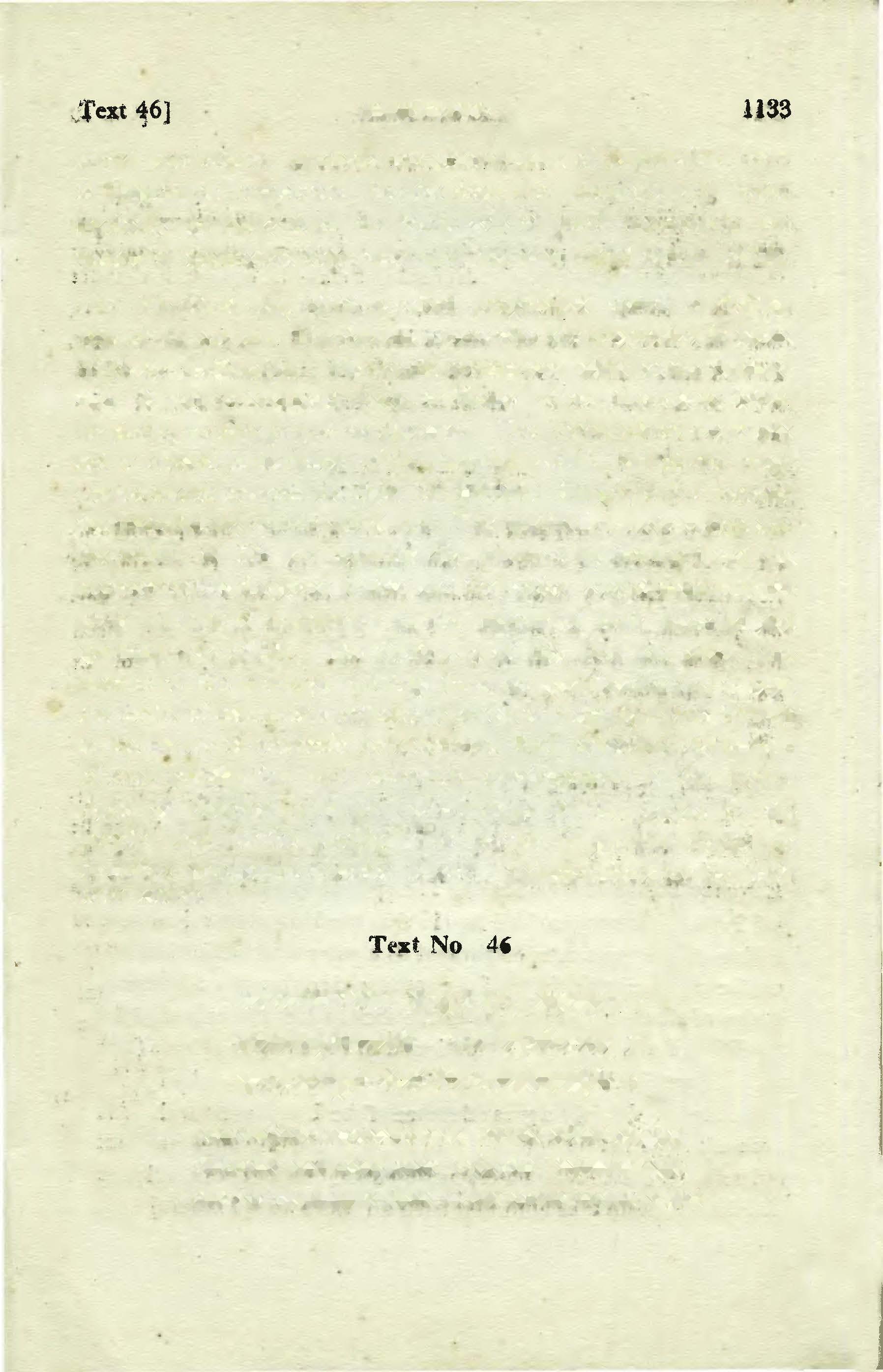
PJ&STCANTO U33
"§«'{� '!��:• m��"�T�A�) 1:Tiffl5f�lfiN� 1 ���Q"�)�'1)cl•t�rqqm ••
J
ENGLISH SYNONYMS

Dharmapalo-the protecter ofreli�iosity, Narapatih-the king, Sa -he, Tu-but, Samrat-Emperor, Vrihat-highly, Shravtihcelebrated,Sakshat-directly, Mahabhagawata-thefirstgrade devotee ·of . the Lord, Rajarshir-saint amongst the royal orders, Hayamedhayat-great performer ofHorse sacrifiices, Kshut-hunger, Trit-thirst, . Shramayuta-tired and fatigued, Deeno-stricken, Na-never, Eva-thus, Asrnat-by us, Sapam-curse, Arhatideserves.


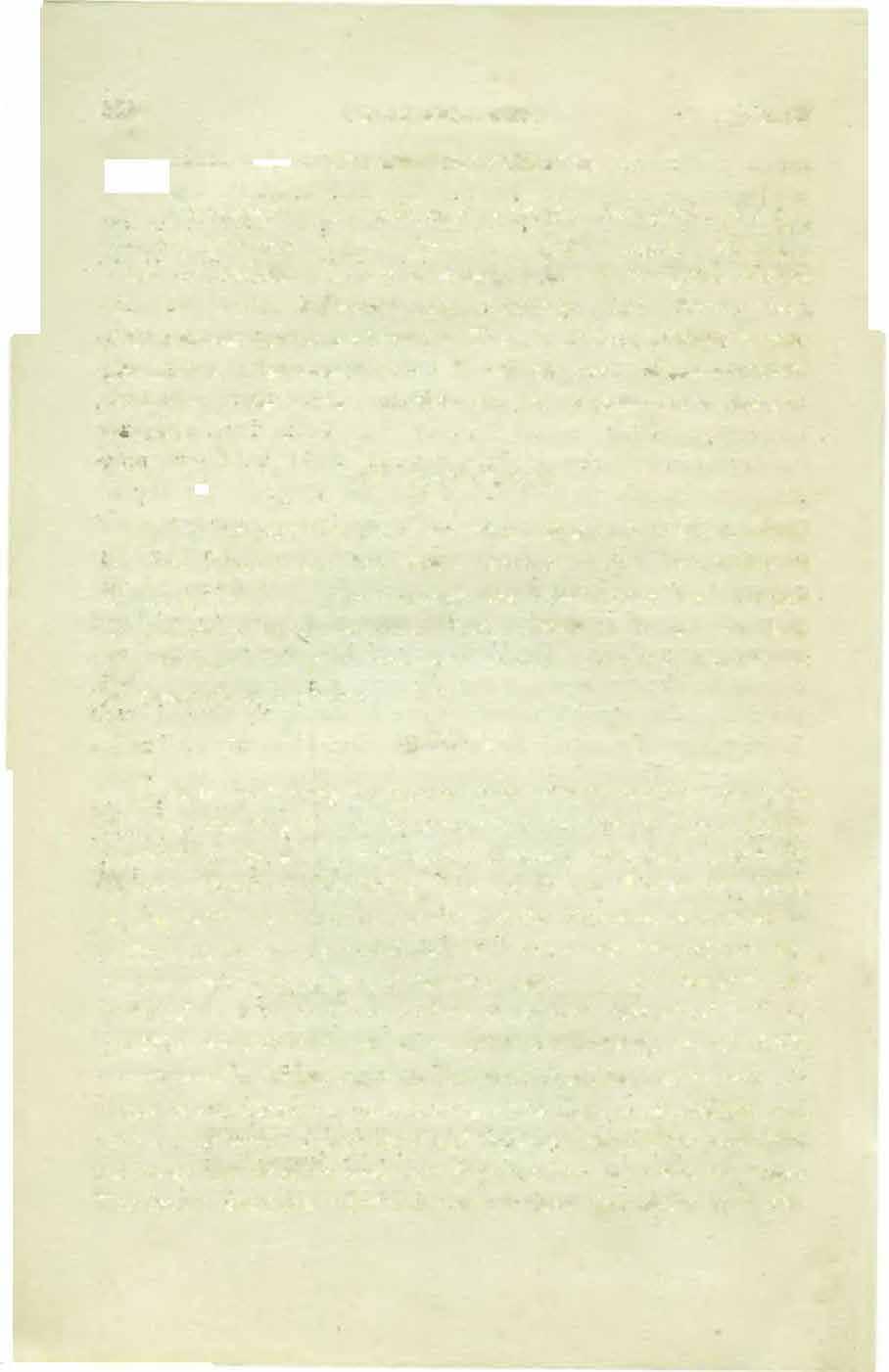
TRANSLATION

The Emperor Parikshit is a pious king,he is highly celebrated, and directly the first grade devotee of the Personality of Godhead. He is a saint amongst the royal order and has performed many horse sacrifices. Such a king when he was tired arid fatigued being stricken with hunger and thirst, did not at ail deserved to be cursed.
PURPORT

After explaining the general cedesofroyal position and asserting.that the king can do no wrong and therefore he is never to be . condemned, the sage Samik wanted to speak something about the Emperor Parikshit specifically. The specific qualification of Maha raj Parikshit is summarised herein that the king even calculated as a king only he was most celebrated as a ruler who administers just on the religious principlesof the royal order. In the Shastras the duties ofall castes and orders ofthe society are prescribed. All the qualities ofa Kshatriya as mentioned in the Bhagw�t Geeta(18/43) werepresent in the person oftheEmperor. And besidesthe royal att• ributeshewasdirectly agreat devotee ofthe Lordas selfrealisedsoul. Such a king when he wa3 tired and fatiguedwith hunger and thirst andpersonallyaskedforwater,cursinguponhim �as not at allproper. The Samik Rishi thus admitted from all sides that Maharaj Pariks-
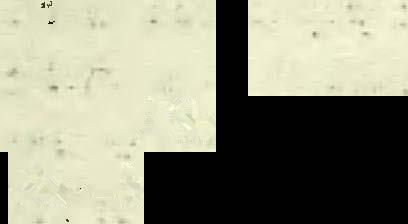
1134 SRIMAD BHAGWATAM [Ch. 18
·.
hit was cursed by the Brahmin's son most unjustly and thus:allowed the personality ofKali to enter into the established orders of the world position. Although all the Brahmins were alooffrom the incidence still for the childish action of a Brahmin boy the whole atmosphere ofworld situation was changed and thus the Rishi Samik a Brahmin took responsibility for all deterioration of worldly good orders.
TEXT No. 47
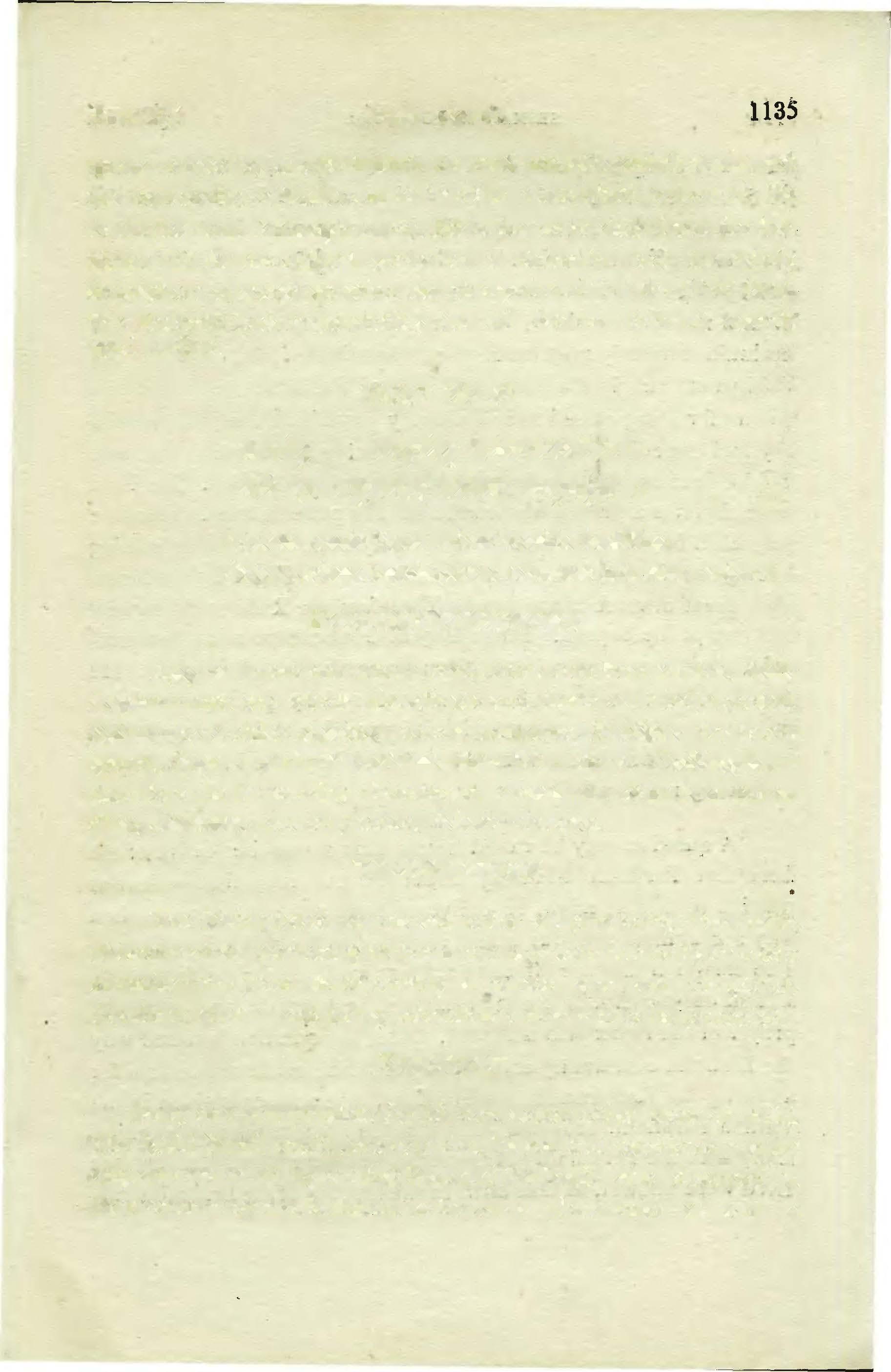
!Aitl� �Cf�tit�Gfl�;:nq<fi�f4<il I
qtq Cl!�tf:J:'ICfli! �crf�'IT �igq�ftt II
.A.paptsu swahhrityesu valena apakka huddhina
Papam kritam tadhkagawan sarvatma kshantum arhati
ENGLISH SYNONYMS
Apapesu-unto one who is completely free from all sins, SwabhriV'esu-unto one who is subordinate and deserves to be protected, Y.alena-by a child, Apakka-who is immature, Buddhina-by intelligence, Papam-sinful act, Kritam-has been done, Tadhhagwantherefore the Personality of Godhead, Sarvatama-Who is all pervading, Kshantum-just to parden, Arhasi-deserve.
TRANSLATION
The Rishiprayed for his son to the all pervadingPe1sonality ofGodhead for pardoninghisimmature boy with no intelligence who commited the great sin of cursing a person who was completely free from all sins and being subordinate deserved to be proteCted�
PURPORT
Every one is responsible for his own action either pious or sinful. The Rishi Samik could foresee it that his son had comm1ted a great culpable act ofsin by cursing Maharaj Parikshit who deserved to be protected by the Brahmins as he was a pious ruler as well as
text. 4'7) .FIRSTCANTO_·
petsonatly completely free from all sins on account of:hisbecoming. the first order devotee ofthe Lord. When offence is done unto the devotee ofthe Lord it ia very difficult to overcome from the :react· ion ofsuch offensive action. The Brahmins being on the head ofthe social orders they are meant for giving_protection to the subordina.;. tes and not to curse them, Although there are occasions when ·� Brahmin furiously may curse the subordinate Kshatriya or the Vaishya etc but in the case ofMaharaj Parikshit there was no ground forbeing cursed as it is already explained. But the foolish boy had done itout ofsheer vanity of being a Brahmin's son and thus he became liable to be punished by the law ofGod. The Lord never forgives a person who condemns His pure devotee. Therfore the foolish boy ofa Brahmin had not only committed sin by cursing a King butalso he had commited the greatest offence by condemn. ing a great devotee ofthe Lord, Therefore the Rishi could foresee that except the Supreme Personality ofGodhead no other purificatory method could save his boy from great blunder ofsinful act. He therefore directly prayed for being pardoned by the Supreme Lord who can only undo a thing which is impossible to be changed. The appeal was ll}ade in the name of a foolish boy who had developed no intelligence at all.



A question may be raised herein that it was the desire ofthe Lord that Parikshit Maharaj might be put into that awkward position so that h� might be delivered from material existence then why a Brahmins son was made responsible for this offensive act. The answer is that the offensive act was made to be performed by a child only so that he could be excused very easily and thus the prayer ofthe father was accepted. But ifthe question is raised why the Brahmin community as a whole should be made responsible for �llowing the Kali into the world affairs, the answer is given in the Varaha Puranam. It is said there that the demons who acted enimically with the Personality ofGodhead but were not killed by_ the Lordwere allowedto takebirth in the families oftheBrahmins tak�
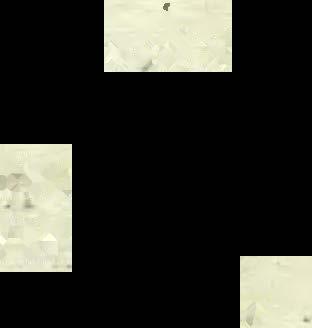
U36 SBI!UDBJU,.GW.A.TA..M {Ch. 13
48] PIUTC.4NTO


lng advantace ofthe ageof Kali. The all merciful Lord gave them �hance to have their births in the families ofthe pious Brahmins so that they·could further improve to get salvation but the demons instead ofutilising the good opportunity misused the Brahminical culture on account ofbeing puffed by vanity of becoming a Brahmin's son. The typical example is the son of Samik Risl i and all the foolish sons of Brahmin family are warned hereby not to becebo me as foolish as Shringhee and be always on graud against th� demoniac qualities which they had in their previous births. The foolish boy was offcourse excused by the Lord but for others who may not have a father like Samik Rishi will be put into great diffic. ulty if they misuse the advantages obtained by the birth m a Brahmin family.
TEXT NO. 48


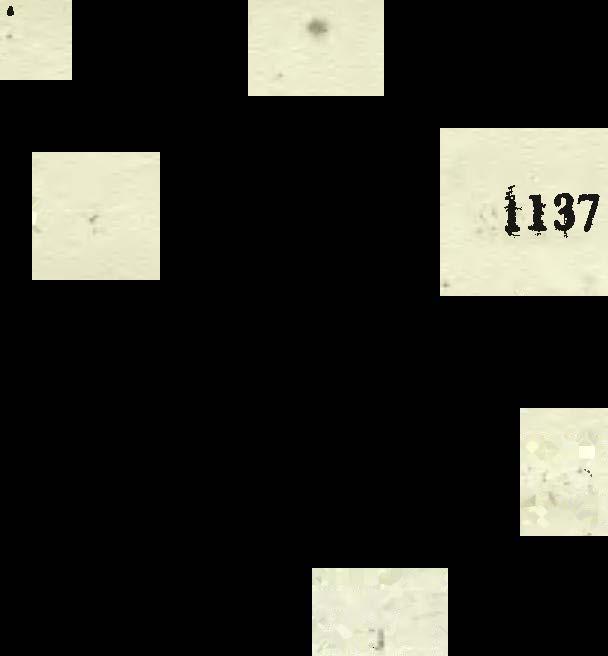
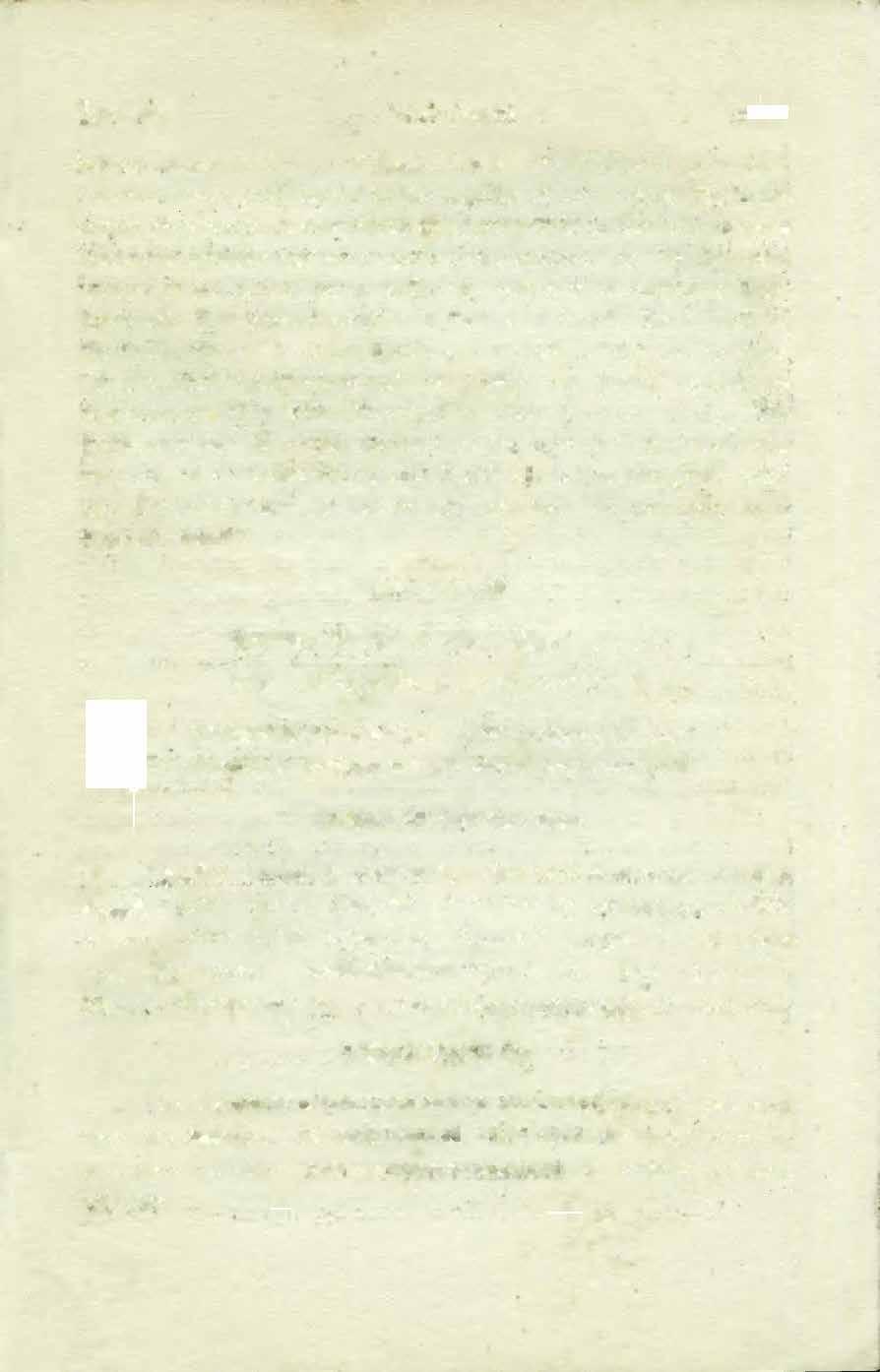
fa-��11!81 �SRfcs�n: �t(ft: flfttat &en Qfq 1
'ltt=lf atsr.f.a �m: SJ�q)sfq � ''
Tiraskritah vipralabdlzp,h saptah kshipta hata api
.Na asya tat pratikurvtJnti tad bhakta prabhavo apihi
ENGLISH SYNONYMS
Tifflskritllk""!!being defamed,. Yipralabdhah-being cheated, SajJJ�,h-being cursed, Kshiptah- disturbed by negligence_, Hata:<>r even being killed, Api-also, .Na-never, AV'a-for all these acts, Tat-them, Pratikurllanti-counter act, Tad-the Lor.J.'s, Bhakta-devotees, Prabhdvo__powerful, Api-although, Hi-certainly
TRANSLATION
The devotees of the Lord are so much forbearing that even they are defamed, cheated, cursed, distrubed by negligence or even they are killed they are never inclined to counter act such -reyerses.
Text
The Rishi Samik also knew it that the Lord does not even forgive a person who has hadcommited offence at thefeet ofa dev· otee.The Lord can only give direction to take shelter ofthe.devotee only. He thought within himself that if Maharaj Parikshit would counter curse the boy he might be saved. But he knew ' it also that a pure devotee is callous about worldly advantages or reverses. A� such the devotees are never inclined to counter act any action on them by personal defamation, curse negligence etc. So far such things are concerned in personal aff�irs the devotees do not care for them. But in case of their being performed on the Lord and his devotees then the devotee takes very strong action. It was a case of personal affair and therefore Samik Rishi knew it that the king would not take any counter action. Thus there was no alternative than to place appeal to the Lord for consideration of the immature childish boy.
It is not that only the Brahmins are powerful to award curse or blessings upon the subordinates but the devotee of the Lord even though he may not be a Brahmin is more powerful than a Brahmin. But such powerful devotee never misuses the power for personal benefit. Whatever power the devotee may have it is always utilised in the matter of service towards the Lord and His devotees only.
TEXT No . 49,.
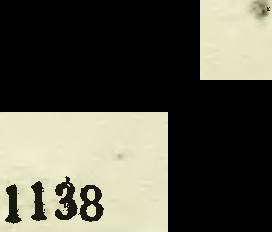
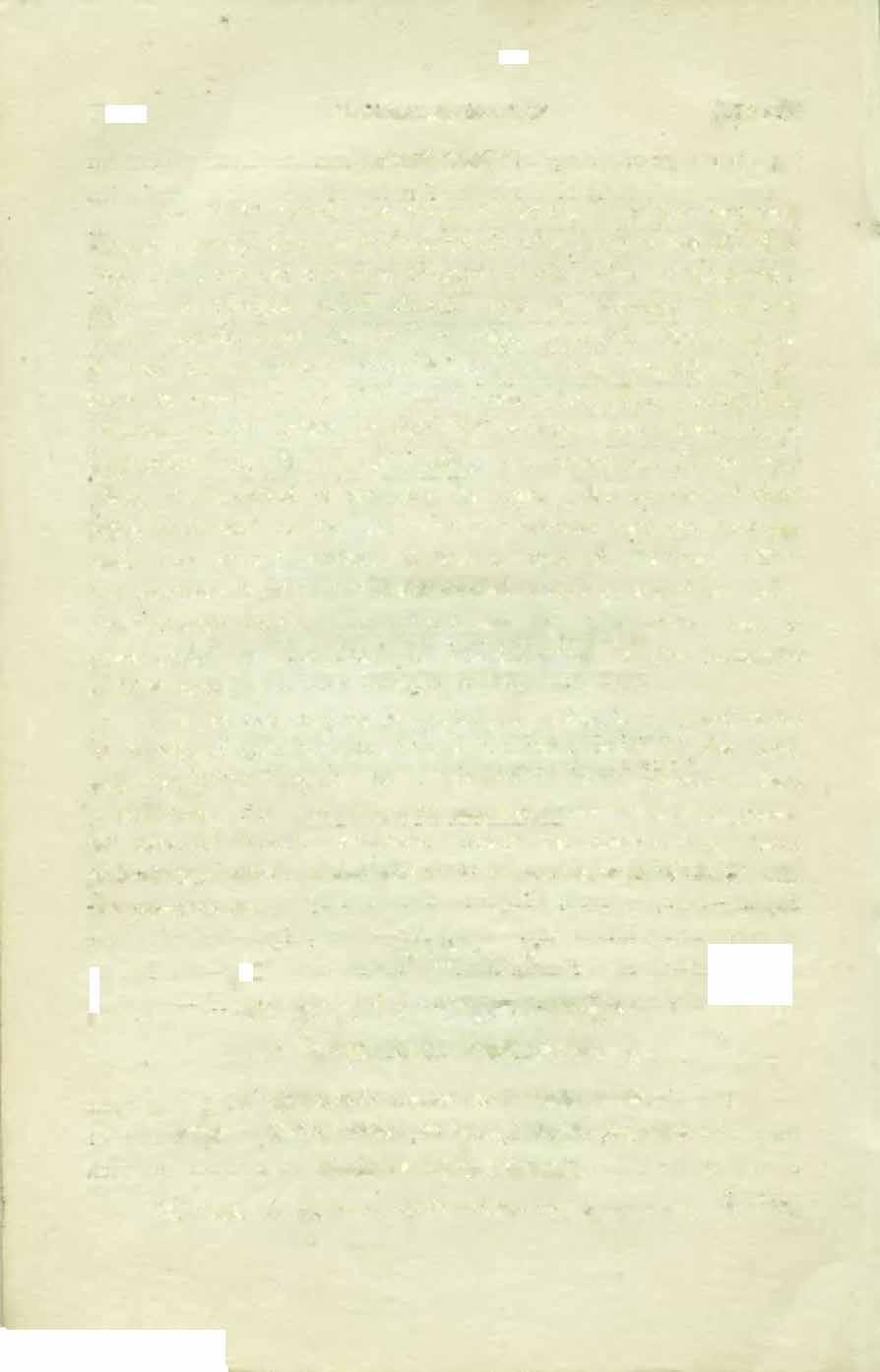
�fa-��1f!aT�'t
��r.i f'fS(Cfi'(f) �TilT tf�ltf a-q:fil;:a-qa U 6 '



Iti putra krita aghena sa anutapta munih Swayau viprakrto rajna na eva agham tad achintayat.
ENGLISH SYNONYMS
Iti-thus, Putro-son, Krita-done by, A.ghena-by the sin,
SRIMAD BliAGWATAM t Ch. 18
PURPORT
.
")52aca) "�'�f": 1
Sa-he the Muni, Anatapta-regretting, J!.lunih-thesage, Swayampersonally, Viprakrita-being so insulted, JVa-not, Eva-certainly, Tad-that, Achintayat-thought of it.
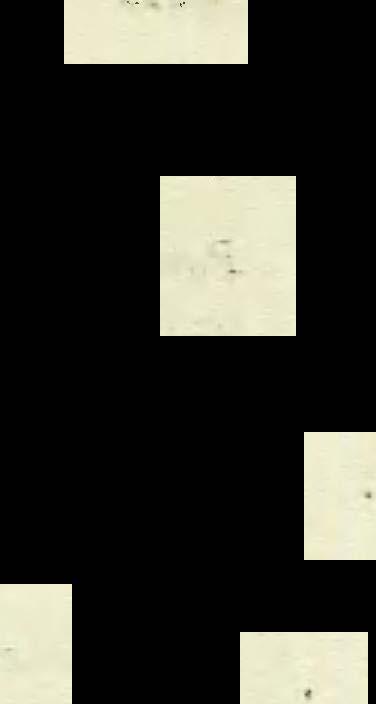
TRANSLATION
"The sage thus regretted the sincommited by his own son· and the insult which was done to him by the king was not very seriously taken by him.
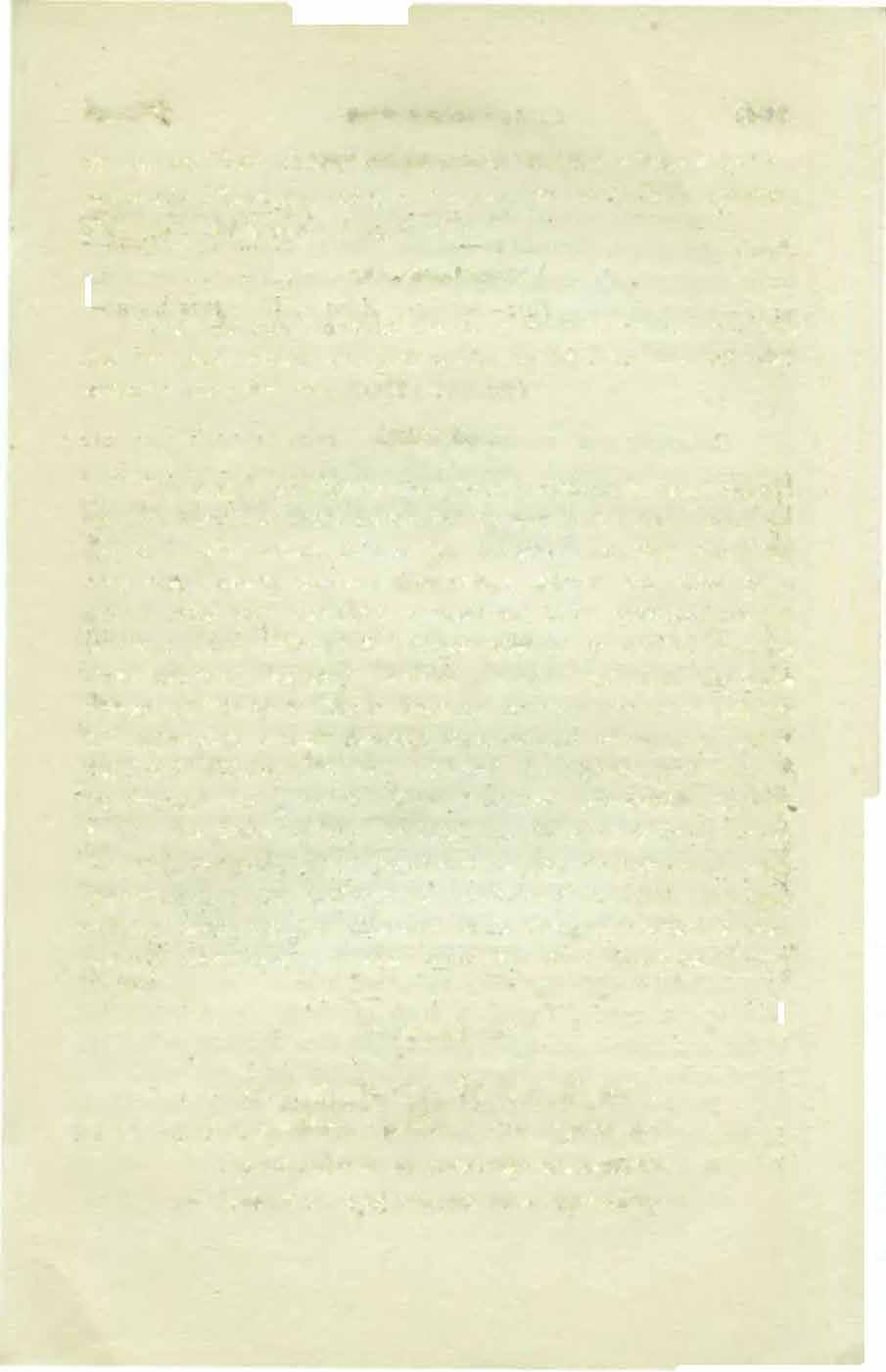
PURPORT
The actual position of the whole incidence is now cleared up. Maharaj Parikshit's garlanding ths sage with a dead snake was riot at all very serious offence but Sringhee's cursing upon the king was a serious offence. The serious offence was done by a foolish child only therefore he deserved to be pardoned by the Supreme Lord although it was not possible to get free from the sinful reaction. Maharaj Parikshit also did not mind the curse offered to him by a foolish Brahmin on the contrary, he took the full advantage ofsuch awkward situation and by the great will of the Lord Maharaj Parikshit achieved the highest perfection of life through the grace of Srila Sukhdeva Goswami. Actually it was the desire of the the Lord and the party of three namely Maharaj Parikshit, Rishi Samik and his son Shringhee all were instrumental to the fulfilment ofthe desire ofthe Lord. So none ofthem were put into difficulty in the shape of reaction of work because everything was done in relation with Supreme Person Yajna.
TEXTN0. 50

sntr�: m�q) \=f)$ q�g:";e:"'! tr)f:srat: •

;::r 8tr'tfi:a ;::r �lffiatra
II


Prayasah sadhavo loke parair dwandvesuyojitah
Na hythanJl na hrishyantiyata atma agunashra_,ah.
,.
Ttex 50] FJBST CANTO 1139
!A't��'lT�tr:
ENGLIStl SYNONY;MS


Praysah-generally, Sadlzavo-saints, Joke-in ' this wQrlc:L Parair-by others, Dwandwesu-in the matter ofduality, 1'oJUa,.__ being engaged, Na-never, Bythauti-distressed, Na-neither, Hrish janti- takes pleasure, rata-because, Atma-sel£ Aluaashra.JIIhtrans cennentaL
TRANSLATION
Generally the transcendentalists even though they are · engaged by others in the duality of material world, neither they are distressed nor they take pleasures in them on account of transcendentally engaged.
PURPORT
The transcendentalists are the emperic philosophers, mystics and the devotees ofthe Lord. Emperic philosophers aims at the perfection of merging into the being of Absolute, the mystics aims a( perceiving the all pervading Super Soul and the devotees of the Lord are engaged in the tvanscendental loving setvice of the PersonalityofGodhead. As Brahman Paramatam or Bhagawa are di· fferent phases ofthe same transcendence all the above mentioned transcendentalistareboyondthethreemodes ofmaterialnature. Material distresses and happinesses are products of the three modes and therefore the causes ofsuch material distress and happiness have nothing to do with the transcendentalists. Both the sage and the king were transcendentalists. The king was a devotee and the Risi was a mystic. Therefore both of them were unattached to the accidental incidence created by the Supreme will. The piayful child was an instrument in · fulfilling the Lords will.
Thus end the Bhaktivedaata Parpowts of the first Canto
Eighteenth Chapter in the matter of Maharaj Parikshit Cursed
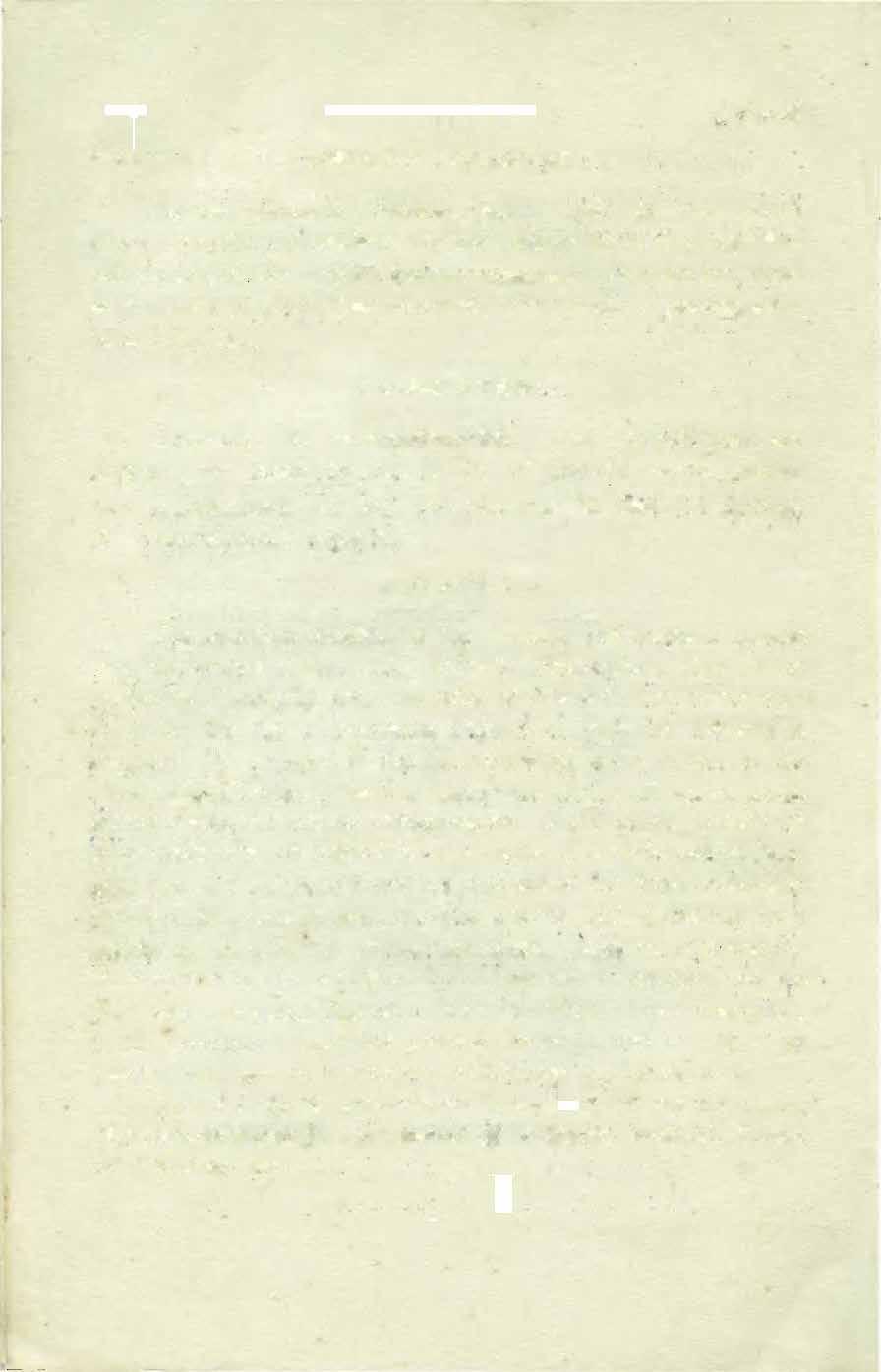 By A Brahmin By.
By A Brahmin By.
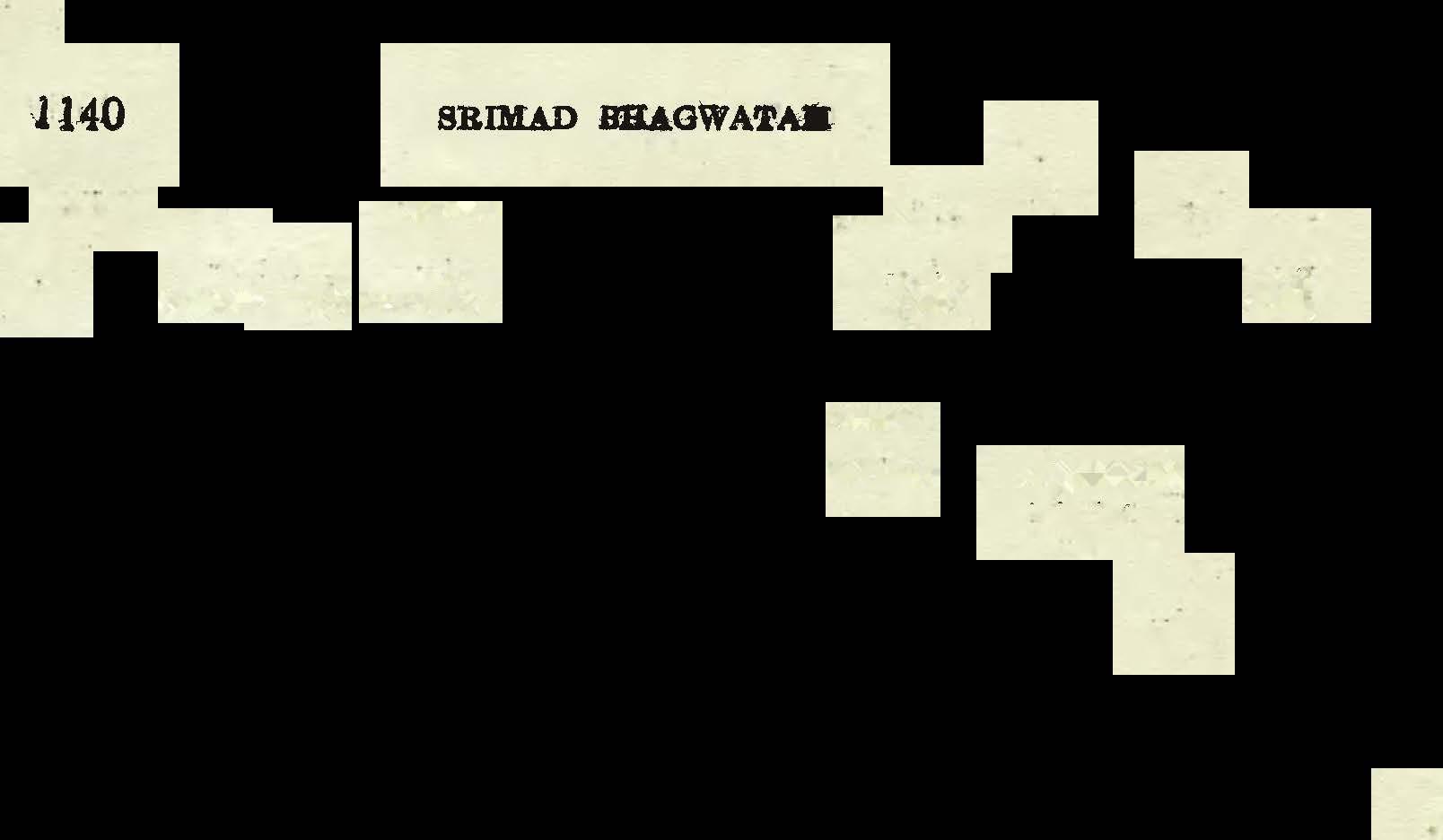
(,Cb._lJ
NINETEENTH CHAPTER
Appearance of Sukadeva Goswami TEXT
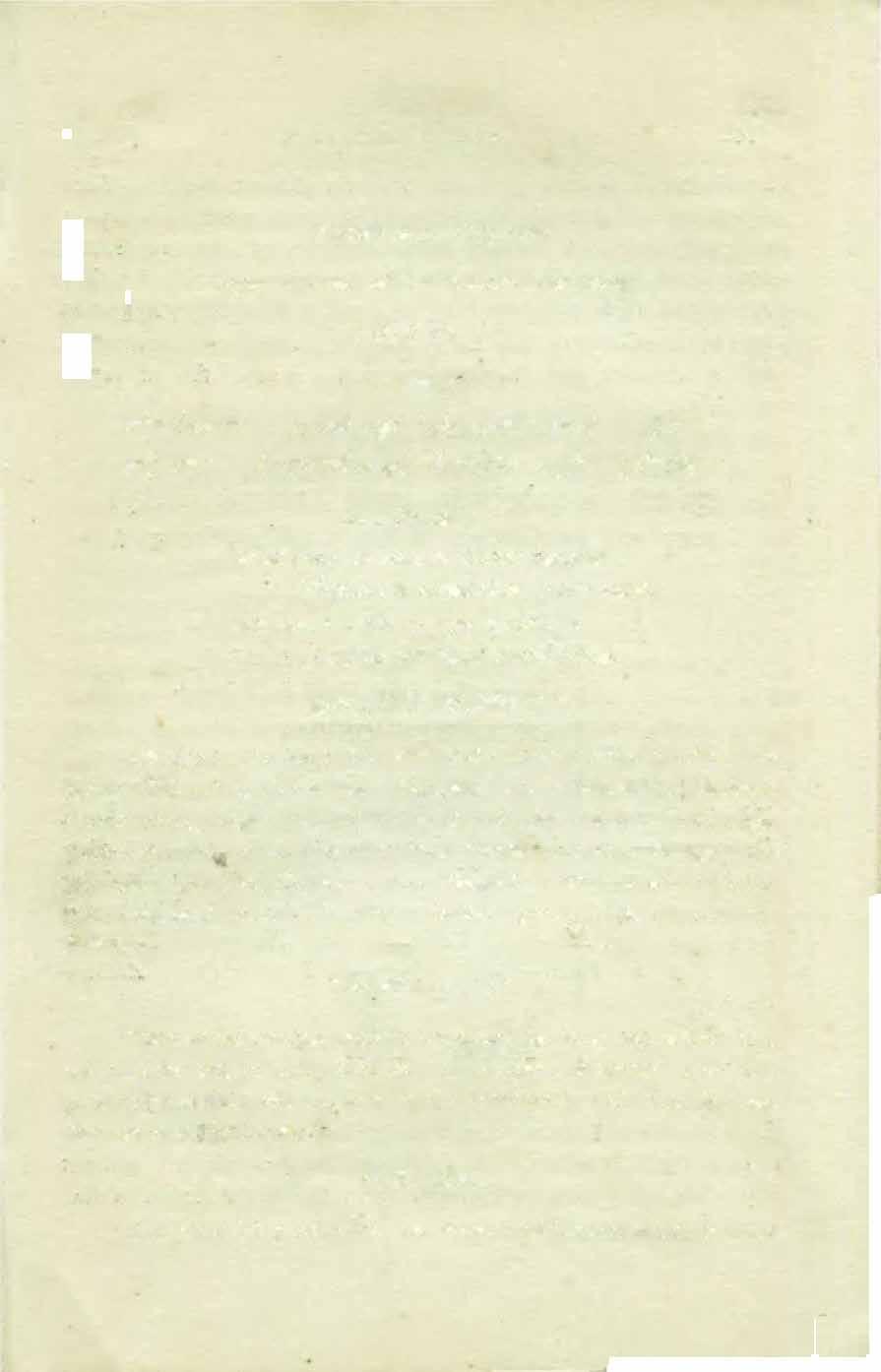
Suta Uvacha 1
Mahipatis tu atha tat karma ,��,arhyam Vichintayan atmakritam sudurmanah.
Aho maya neecha anarya vat kritam
.Niragasi brahmani gudha tejasi.
ENGLISH SYNONYMS
Mahipati-the king, Tu-but, Atha-thus (while comingback home) Tat-that, Karma-act, Garhyam-abominable, Vichintayanthusthinking,Atmakritam-donebyhimself,Sudurmanah-verymuch depressed, Aho,-alas, Maya-by me, Neecha-heinous, Anarya-uncivilised, Vat-like, Kritam--done, Niragasi-unto one who is faultless, Brahmani-unto a Brahmin, Gudha-grave� Tejasi�unto the powerful.

TRANSLATION
Thus while coming back to his home the king felt within him selfthat the act, done by him on the faultless Brahmin who was gravely powerful, was heinous and uncivilized and thus he was distressed within himself.

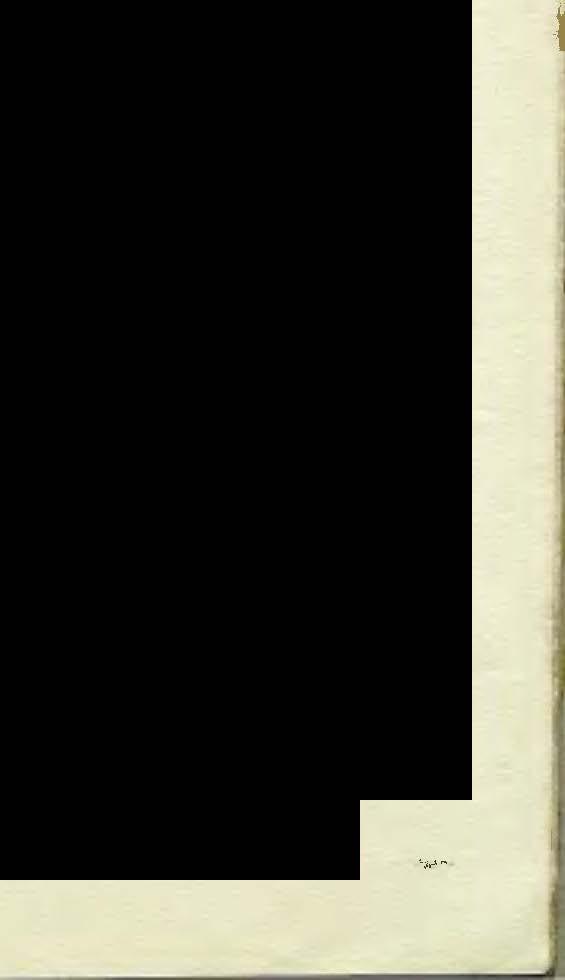
PURPORT
The pious king regretted the accidentalimproper action done
\(a�crr:;:r� q&)qfaf�erq a��q. ;r�" ferfTJJ;:alffffT�t=reJia ��q•n: • �R"&) �tft ttr:q;r;:rt�q��a fw:t�trrf� 'lPfvr 'J_eaiiff� 1,
No. 1
by him on the gravely powerful Brahmin who was faultless. Such repentance is natural for a goodman like the king and such repent. ance only delivers a devotee from all kinds of sins accidentally committed by the devotee. The devotees are naturally faultless. Accidental fault committed by a devotee is sincerely regretted and by the Grace of the Lord, all sins unwillingly committed by a devotee, are burnt into ashes in the fire of repen• tance.
TEXTNo. 2
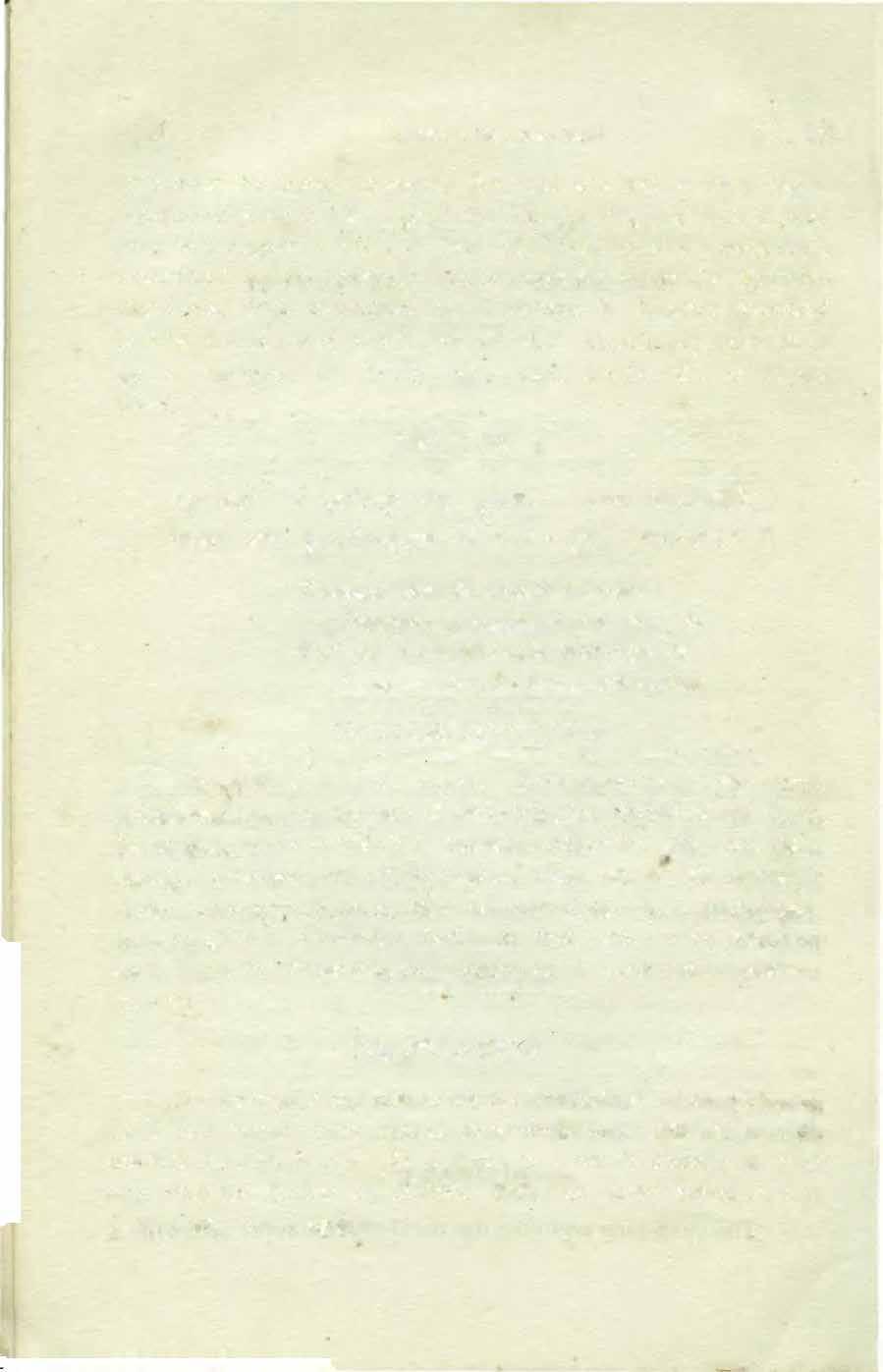
Dhruvam tato me kritadeva helanat
Duratyam ryasanam na ati deerghat
Ted astu kamam hi agha niskrifaya me ratha na kuryampunar evam addha.
ENGLISH SYNONYMS
Dhruvam-sure and certain, Tato-therefore, Me-mine, Kritadevahelanat-on account ofdisobeying the orders of the Lord, Duratyayam-very difficult, Vyasanam-calamity, Na-not, Atigreatly, Deerghat-far off, Tad-that, Astu-let it' be, Kamamt desire without any hitch, Hi-certainly, Agha-sins, Niskritayafor getting free, Me-mine, Tatha-so that, Na-never, Kuryamshall I do it, Punar-again, Evam-as I have done, Addhadirectly.
TRANSLATION
On account of my neglecting the Injunctions of the Supreme Lord certainly I must expect something very difficult to over come in the near future. So I desire to have it directly without any hitch for getting myselffreed from the sinful action so that I may not do so again.
1142 SRIM.A.D BHA.GW.A.TAJ\1 [Ch. 19
ci aa) q f.f!a"���t:fTC{ ��t�li ;q";:f o:rTft�q)qfC! '
Cf\lq �q�ffl1S�tfT� q '-Jttl t:f �qr tf�'l�Cf'lQT II
�
ijG:�g
The injunction of the Supre me Lord is that the Brahmins and the cow must be given all protection. The Lord is Himself very much inclined to do good to the Brahmins and the cows at the first instance (Go brahmana hitaya cha.) l\1aharaj Parkahit knew all these very wisely and thus he concluded that his insulti<t1g a powerful Brahmin was certainly to be reacted by the Laws of the Lord and as such he was expecting, something very difficult to overcome was awaiting him, within very near future. He therefore desired the imminent calamity directly on him and not on the persons of his family members. For a man's personal misconduct affects the whole faimly members and therefore Mahraj Parkshit desired it directly upon him. He was certain that some calamity was pending upon them and thus desired without any hitch to get it himself. And by such sufferings personally he would be restrained from doing such nonsense infuture and at the same timethe sin whichhehad committed would be counteracted so that his descendants may not be suffering. That is the way of thinking for a responsible devotee. The family members a of devotee also share the effects ·of a devotee's service unto the Lord. The evidence is 1\r'f.aharaj Prahlad who saved his demon father by his personal devotional service. A devotee son in the familyis the greatest boon or blessing of the Lord.
TEXT NO. 3

ricr � it'�,;e:ifim
sr�)fqa��t�) � 1
Ci��cr�r�q ��;:f its�� qtq)qf!') cr)fa��qrr)1=lf: 11

Adya eva rajyam valamriddha kosham
Prakopita brahmakula anale me
Dahatu abhadrasya punarna me abhut
Papiyasi dheer dwija deva gobhyah
ENGLISH SYNONYMS
AV'a-this day, E�a-on the very, RaJyam-kingdom, Valam-
text 3] FffiSTCANTO 1143 PURPORT
riddha-strength and the riches, Kosham-treasury, Prakopitaignited by, Brahmakula-by the Brahmin-community, Ana/afire, Me Dahatu- let it burn, Abhadra.rya-inauspiciousness, Punaragain, Na-not, Me-unto me, Abhut-may occur, Papiyasi-sinfui, Dheer-intelligence, Dwija-Brahmins, Deva-the Supreme Lord, Gobhyah-and the cows.


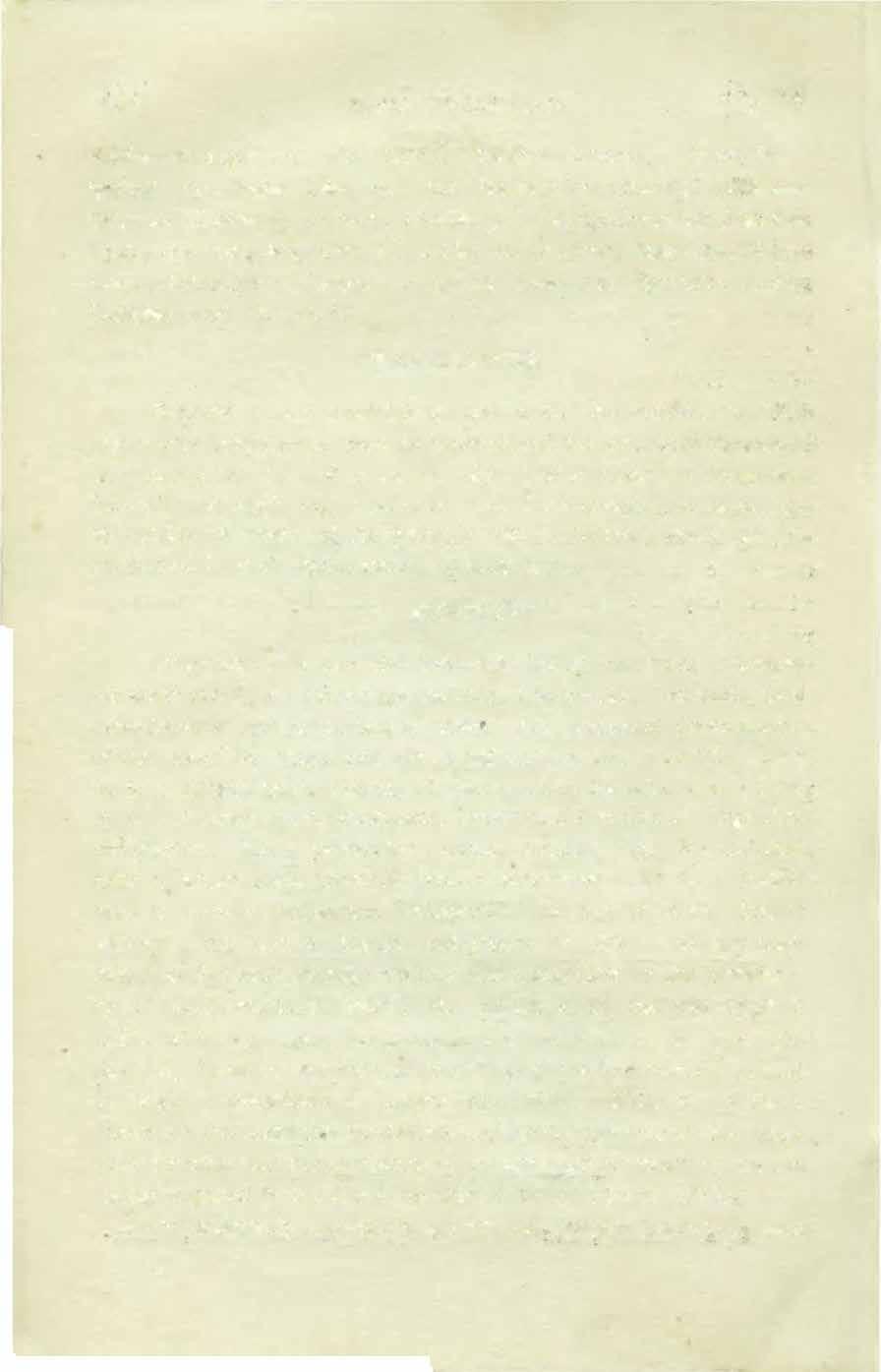
TRANSLATION
Because I am uncivilized and sinful on account of my. obstructive intelligence towards brahminical culture, God-conscious- ; ness and protection of cows, therefore I wish that my kingdom full with strength and opulence may immediately be burnt up by the fire of wrath ofthe Brahmin that in futnre, I may not be conducted in such �nauspicious intelligence.
PURPORT
Progressive human civilization is based on three principal advanceement of knowledge namely brahminical culture, God consciousness and protection of cow1.. All economic development of the state by trade, commerce, agriculture and industries, must be fully utilised in the matter of above principles otherwise all the so called economic development, becomes the source of degraded civilization. Cow protection means feeding the Brahminical culture which leads towards God-consciousness and thus perfec• tion of human civilization achieved. The age of Kali aims at killing the above higher principles of life and although Maha1aj Parikshit strongly resisted the domination ofthe personality of Kali within the world, the influence of the age of Kali infiltered in an opportune moment and even a strong king like Maharaj Parikshit was)nduccd to disregardtheBrahminical culture by slight provocation of hunger and thirst. Maharaj Parikshit lamented the accidental incidence and he desired that all his kingdom strength and accumulation ofwealth may be bunrt up for not being engaged in the above mentioned three cultural affairs.
Providentially also where wealth and strength are not engaged
1144 SRIMAD BRAGWATAM [Ch. 19
in the advancement ofBrahminical culture, God-consciousness and cow protection, such state or home is surely doomed. If we want at all peace and prosperity in the world, we may take lessons from this verse; every state and every home must endeavourto advance the cause ofbrahminical culture for selfpurifiac'ion, God-consciousness for self-realisation and cow··protectionfor the matter ofgetting sufficient milk and derive the best food value thereof, and to continue a perfect civilizahion.
TEXTNo. 4
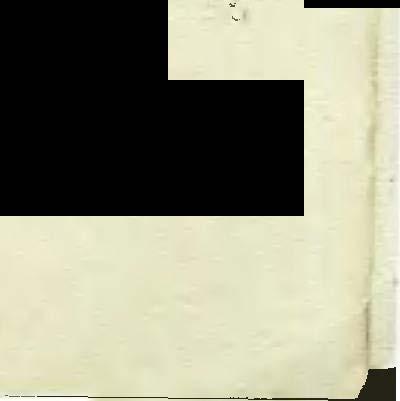
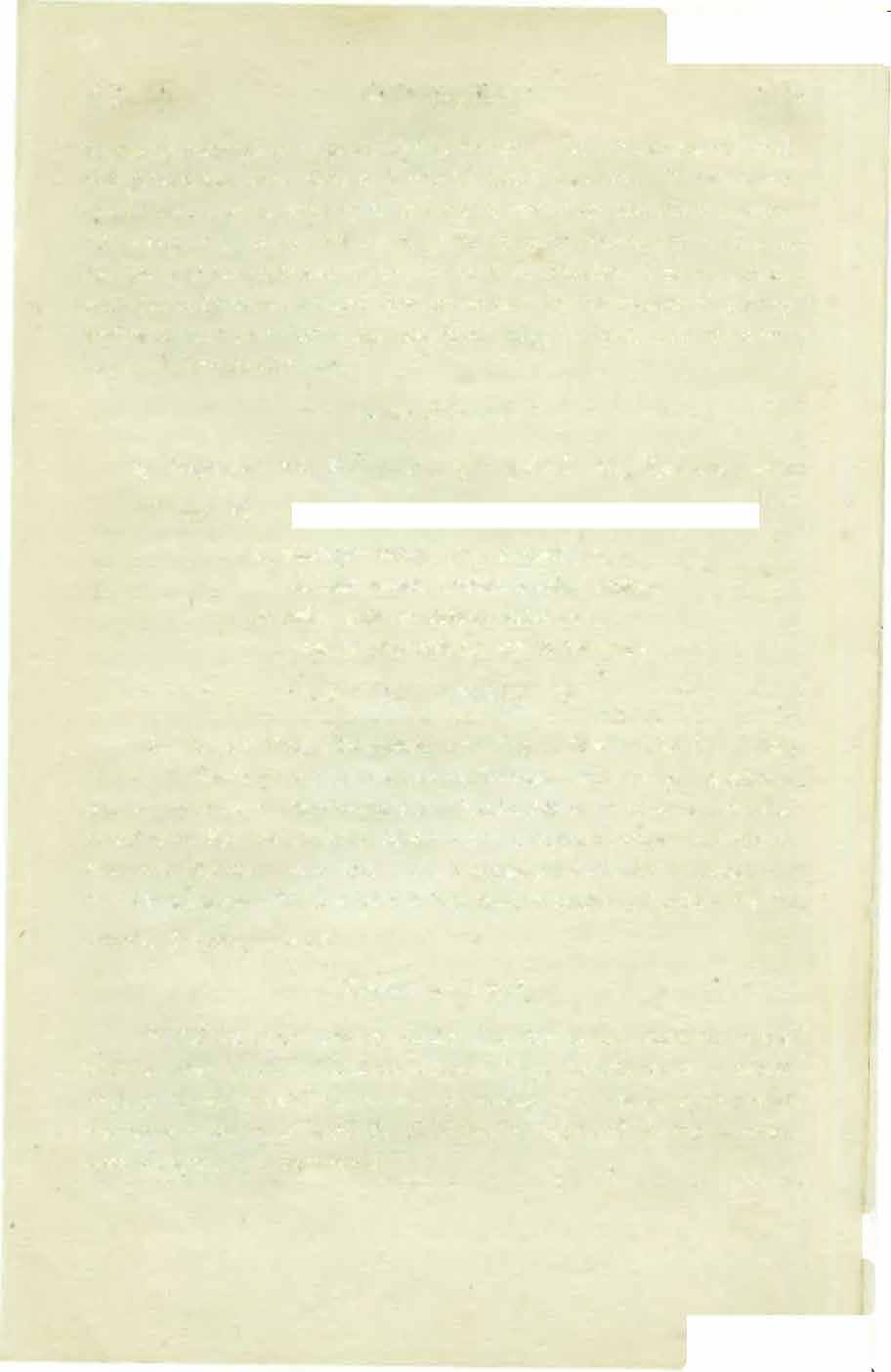
Sa chintayan ittham athv asrinodyatha
Muneh sutokto nirritis takshak akhyah
Sa sadhu mene na chirenv takshaka
Analam pra.raktasya virakti karanam
ENGLISH SYNONYMS
Sa-he the king, Chintayan-thinking, lttham-like this, Atha -now, Asrinod-heard, Tatha-as as, Muneh-ofthe sage, Sutoktouttered by theson,Nirritis-death, Takshkakhya-in rehtion withthe snake bird, Sa-he the king,Sadhu-welland good, Mene--accepted, Na-not, Chirena-very long time, Takshaka-snake-bird, Analamfi.re, Prasaktasya-for one who is too muchattached, Virakti-indifference, Karanam-cause.


TRANSLATION
While the king was repen ting like this at that time he recei· ved the news about his imminent death from the bitting of a snake bird, as it was spoken by the son ofthe sage. He however, accepted the news as well and good for its being the cause of his indifference towards worldly attachments.
Text 4] FRIST CAN'l'O 1145
"
� f�;:a�f;:;:r�qqqJ�1lltct_ lf�n ��: �a)u;) f;:rSift·fa�a�CfitQll': 1
��� "'�
Real happiness is achieved __by spiritual existence or by cessation of therepetitions of birth and death. Such repetitions of birth and death canbe st >pped only by goingbackto home back to Godhead. In the material world even by attaining the living conditions in the tomost planet (Brahmaloka) planet, no body can get rid ofthe conditions ofrepetitions of birth and death. We want to stop the repetitions ofbirth and death but we do not accept the path ofattaining the perfection. Thepath ofperfection is that one must be freed from all material attachments and thus be fit for entering into the spiritual kingdom. Therefore1 those who are materially poverty-stricken,-are better candidat�s than those who are materially prosperous. Maharaj Parikshit was a great devotee of the Lord and bonafide candidate for entering into the kingdom of God but even t'lough he was so, his material environments as the great emperor ofthe world1was a setback in the perfect attainment ofhis rightful status as one of the associates of the Lord in the spiritual sky. As devotee ofthe Lord he could understand that the cur:;ing of the Brahmin boy, although unwisely, was a blessing upon him being the cause ofdetachment from worldy affairs both political and social. Samik Muni also after regretting the incidence of his son's cursing upon the king, conveyedthe news to the king as a matter of duty so that the king would be able to prepare himself for going back to Godhead.jThe Samik Muni sent news to the king thatthe foohsh Srighee his son, although a powerful Brahmin boy1 unfortunately had misused his spiritual power by cursing the king unwarrantedly. The incidence of the King's garlanding the Muni was not sufficient case for being . cursed to death by the foolish boy but as there was no remedy to retract the curse, the king was informed for preparation ofdeath within a week. Both Samik Muni and the king were selfrealised souls. Samik Muni was a mystic and Maharaj Parikshit was a devotee. Therefore there was no difference between them in the matter ofselfrealisation and none ofthem


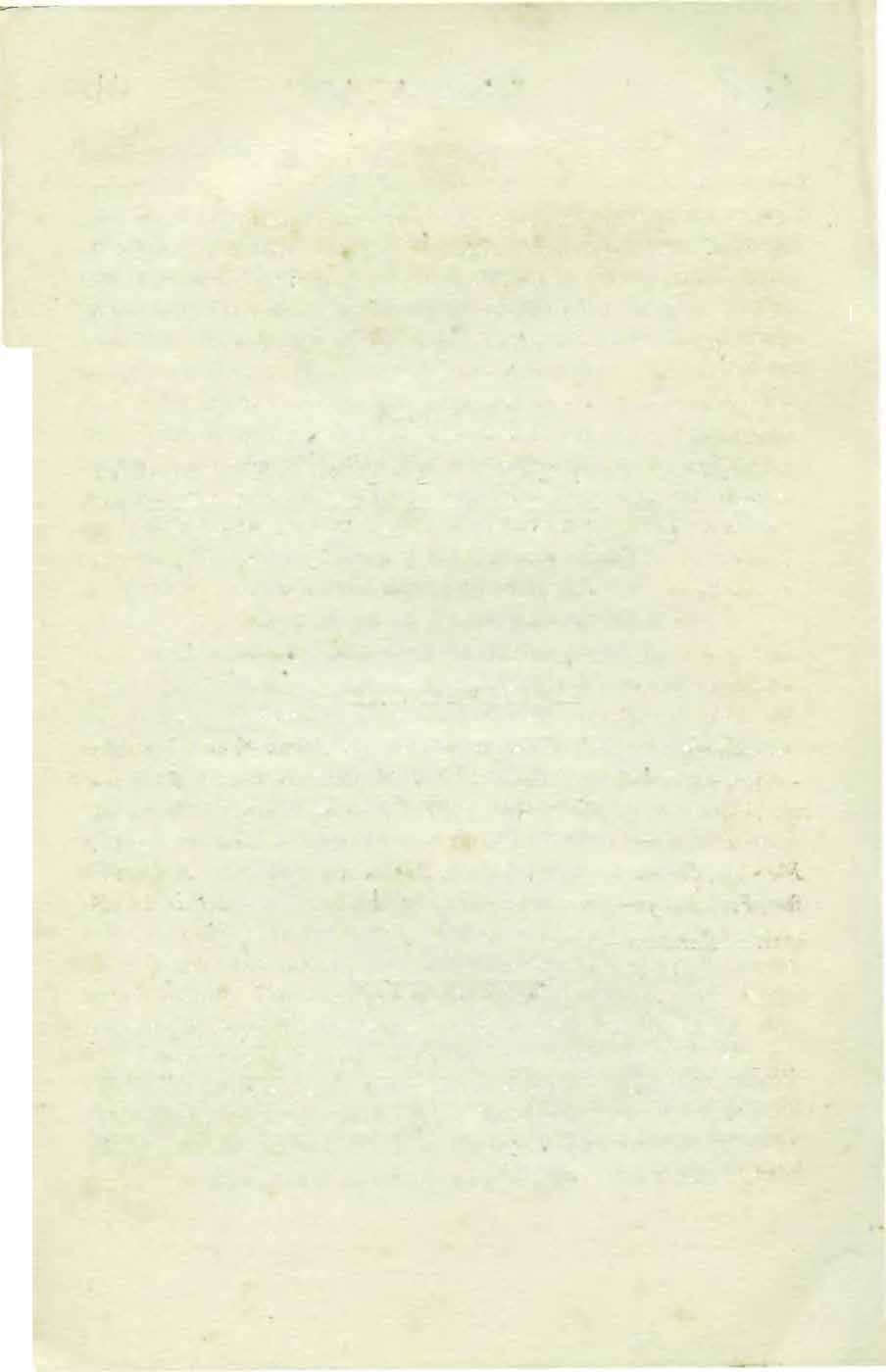
1146 SRIM.ADBH.AGWAT.AM (Ch. 19
PURPORT
were afraid ofmeeting death. Maharaj Parikshit could have gone to the Muni for begging his pardon but the news of hi-; death was conveyed to the king with so much regret by the Muni that the king did not like to put the _\{uni into further ashamed position by his presence there. He decided to prepare himselffor the imminent death and find outthe way ofgoing back to Godhead. The complete span oflife ofa human being is meant for preparing himselffor going back to Godhead or to get rid ofthe mat• erial existence made of the repetition of birth and death. As such in the system ofVarnashram Dharma every man and woman is trained up for this purpose of eternal life and in other words the system ofVarnasharm Dharma is known also as Sanatan Dharma or eternal occupation. The system ofVarnasharam Dharma prepares a man for going back to Godhead and thus a householder is ordered to go to the forest as Vanaprastha to acquire complete knowledge and then to take Sanyas prior to the inevitable death. Parikshit Maharaj was·fortunate to get the notice ofseven days formeeting the inevitable death, butfor the common man there is no such definite notice although death is inevitable for all. FoolisLman forgets this sure fact ofdeath andneglects the dutyofprepar[ng himselffor going back to Godhead and spoilsthe life in animalpropensities to eat, drink, be merry and enjoy. Such irresponsible life is adopted by the people in the age ofKali on account of sinful desires to condemn the Brahminical culture, Godconsciousness and cow protection for which the state is responsible. The sta,te must employ the revenue in the matter ofadvancing the above mentioned three item and thus educate the populace to prepare for the death and going back to Godhead. The state which does so is the real welfare state. The state ofIndia may betterfollow the examples of Maharaj Parikshit the ideal executive head than to imitate othermaterialistic states who have no idea ofthe kingdom of Godhead, the ultimate goal ofhuman life. Deterioration ofthe ideals of Indian civilization has brought about the deterioration ofcivic life not only in India but also abroad.
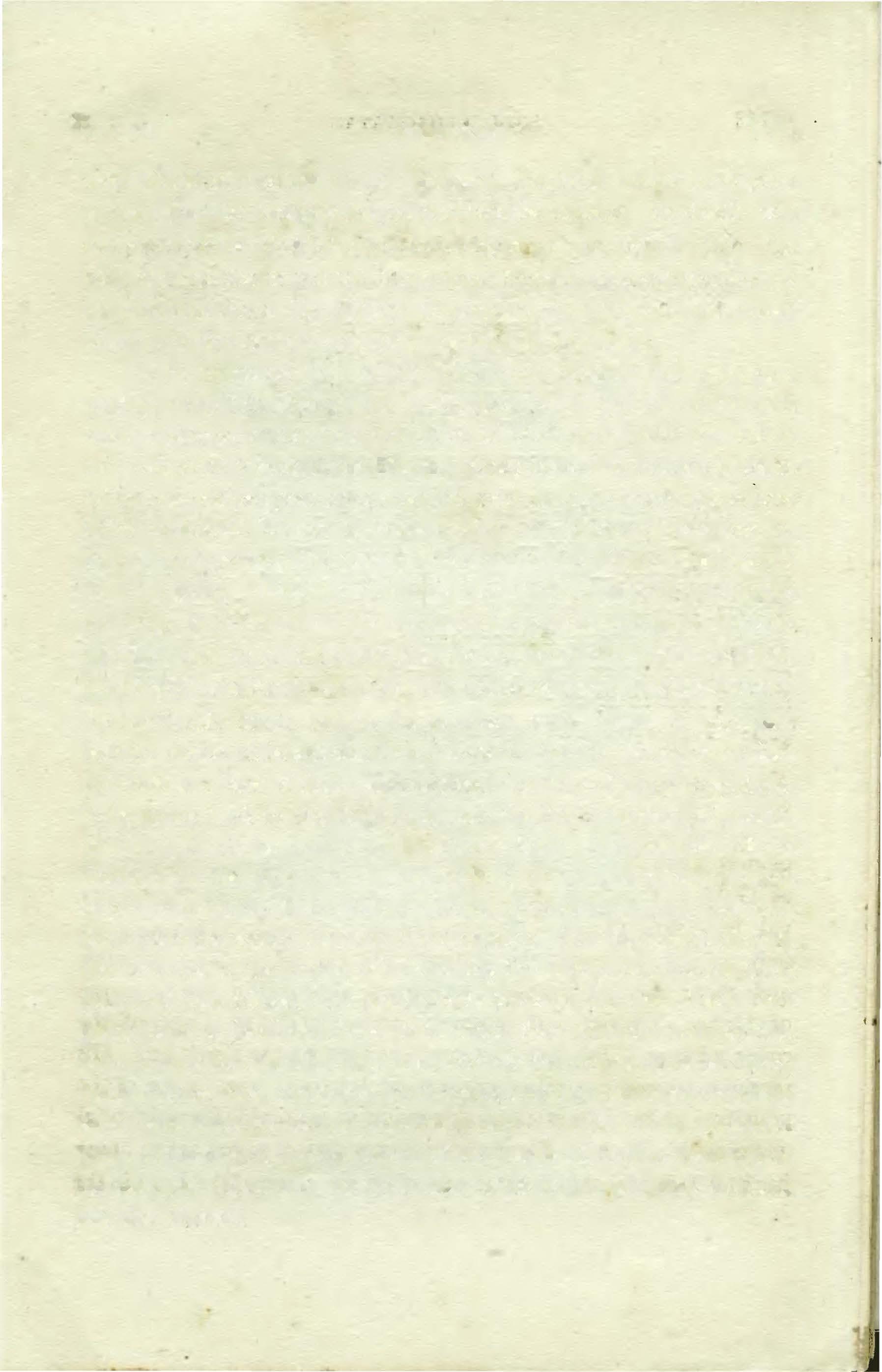
1'ext 4] FiRSTCANTO 1147
TEXT No. 5
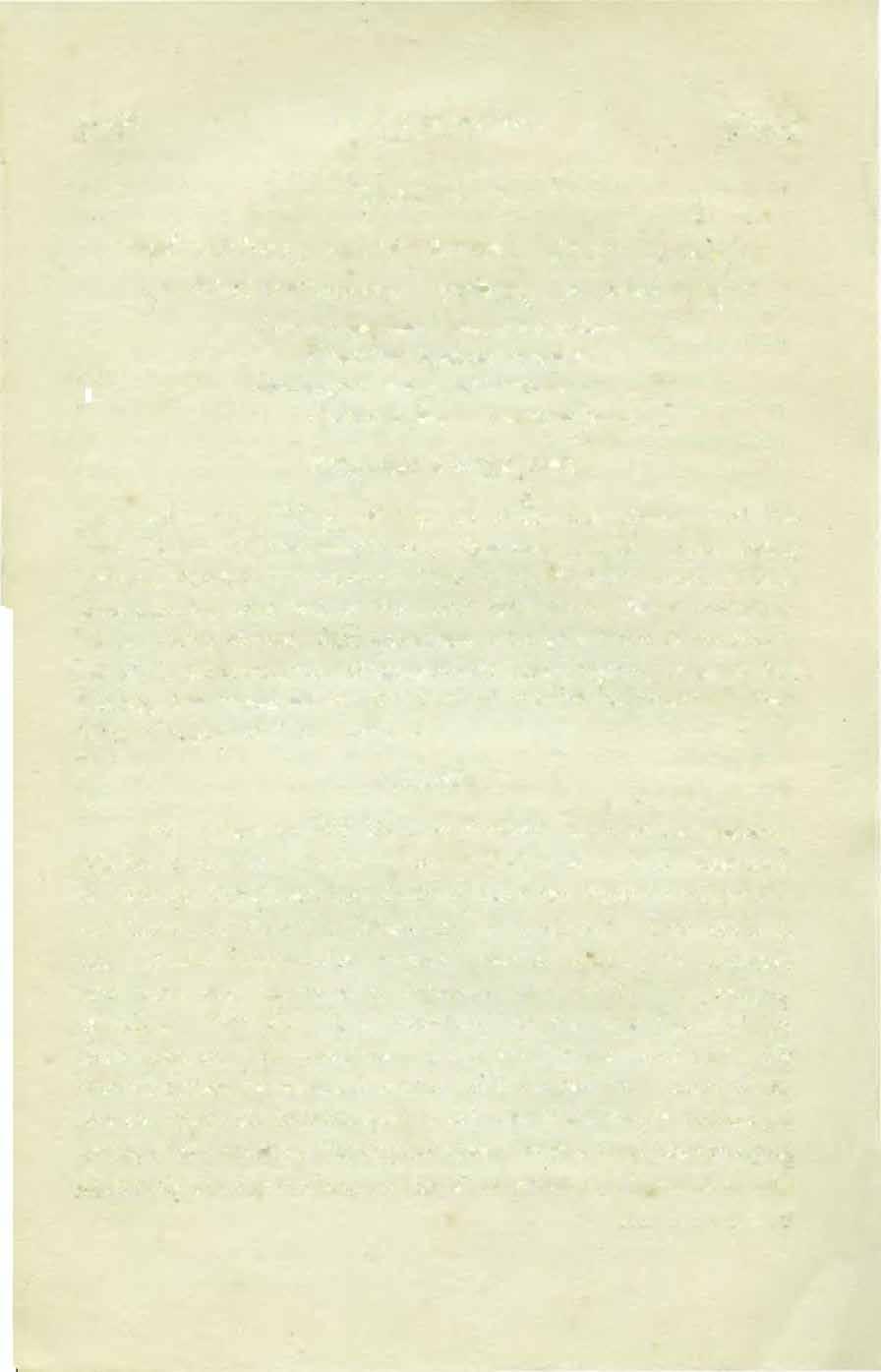
!A'q) far�nttqlt�·=i!f �)Off fct'rf�a1 ittatrt
Cf\lSVTTS:f�9art;rfetq;:tt;rT;:r -aqyfcr�a srttt'f'f(���" 11 c. ' .... '




Atho vihaya imam amum cha lokam
Vimarsitou heyataya purastat
Krishanghri sevam adhimanyamana
Upavishat prayam amartanadyam,
ENGLISH SYNONYMS
Atho-thus, Vihaya-giving up, /man-this, Amum-and the next, Cha-also, Lokam-planets, Vimarsitou-ali of them being judged, Heyataya-on account ofinferiority, Purastat-herein before, Krishan.�hri -Lotus feet of the Lord SriKrishna, Sevam-transcen· dental loving service, Adhimanyamana-one who thinks as the greatest ofall achievements, Upavishat-sat down tightly, Prayam-for. fasting, Amartanadyam-on the bank of the transcendantal river (The G:t'Iges or TheJam una )
PURPORT
For a devotee like Maharaj Parikshit none of the material planets even the topmost one the Brahmaloka is as desirable as Goloka Vrindaban the abode of Lord Sri Krishna the primeval Lord and Original Perso :1ality of Godhead. This earth is one of the innumerable material planets within the universe and there are innumerable universes also within the co:Upass of Mahat Tattawa. It is explained on the first flap of the cover picture. The devotees are educated by the Lord and His representatives the spiritual ma�ters or Acharyas that none of the planets, within alltheinnumerable universes is suitablefor residential purposesofa devotee. The devoteealways desires togobacktohome back toGodhe d justto become one ofthe associates ofthe Lord in the
' 1148 . SBIMAD BHA.GWATAM [Ch. 19
���'� '
capacity ofservitors, friends, parentsor�conjugal lovers of the Lord either in one of the innumerable Vaikuntha planets or in the Go1oka Vrindaban the planet of Lord Sri Krishna. All these planets are eternally situated in the spiritual sky called the Parambyoma which is on the other sideof tile causal oceanwithin the Mahat Tatwas. Maharaj .Parikshi( was already aware of all these informations duetohis accumulated piety and birth in the high family of devotees the Vaishnavas and thus he was not at all interested in the matenal pla lets. :vlJdern scienti.)t are verymuch eager to reach the Moon planet by.materialarrangements and hardly they can·contemplateabout the highest planet of this universe ; but a devotee like MaharajParikshit does not care a figevenfor the .i.\.1oon planent or forthe matter ofthat any one of the material planets. So when he was assured ofhis death on the fixed up date he became more determined to the transcendental loving service of the Lord Krishna. in complete fasting on the bank of the transcendental river !Yamuna flowing down the capital of Hastinapur (in the Delhi stateJ. Both the Ganges and the Yamuna are Amarrya (transcendental) rivers and Yamuna is still more sanctified on accountof the following reasons.
TEXT


ravailasatsritulasi vimishra
Krihnamgilrirenu abhyadhika anlbunetri

Punati sesan ubhayatra lokan
Kastamna seveta marisyamanah.
ENGLISH SYNONYMS
Ya-the river which, Vai--always, Lasat-Haating with, Tulasi-Tulasileaves, Vimishra-:mixd up, Krishnamghri-lotus feet of the Lord Shri Krishna, Renu-dusts, Abhyadhika-auspiccus,
Text 6] FlRST CANTO 1l49
cf �ij'��rg�ij') fiffq��tSVTTs_:f��Vq+qf��T;!��T 1
Cfi'�af � ��Cf t:if�tSf.l'�=tT'll:
No. 6 li'T
��Tfa it�T2+ll:t� �);i'T�
II
Ambu--water, Netri--that which iscarrying, Punati--sanctifies, Sesanalong with Lord Shiva, Ubhayatra-both the upper and lower or inside or outside, Lokam-planets, Kas-who else, Tam-that river, Na-does not, Seveta-wonhip, klarisyamanah- one who is to die at any moment.

TRANSLATION

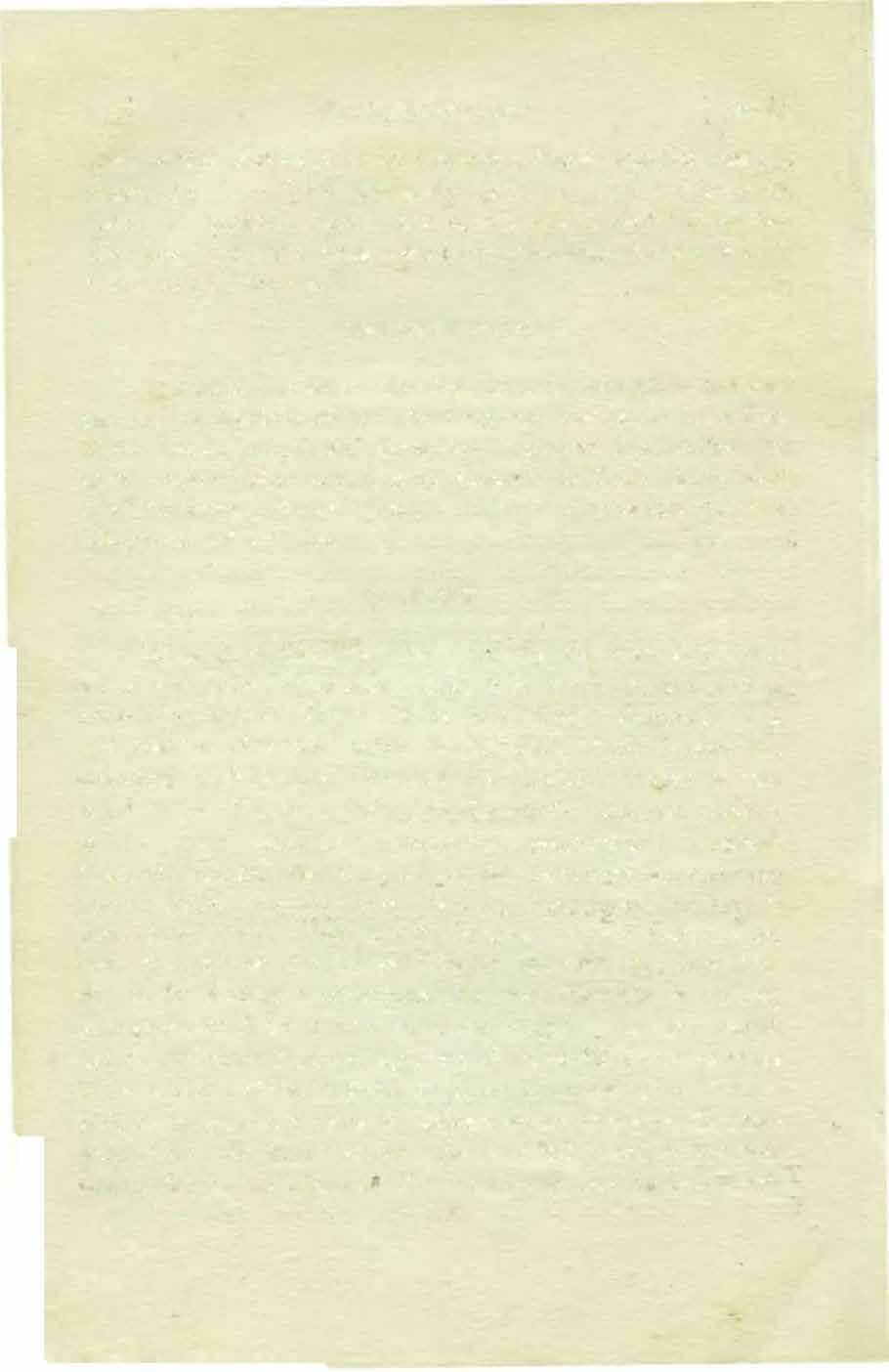
The river (on which the king sat up for fasting) is carrying the most auspicious water mixed up with dust ofthe Lotus Feet of the Lord and Tulasi leaves and therefore it sanctifies the three worlds inside and outside along with Lord Shiva and other demigods. As such every one who is destined to die must take shelter of this river.
PURPORT
Maharaj Parikshit just after receiving the news of his death within seven days, he at once retired from family life and shifted himself en the :)acred bank of Yamuna river. Generally it is said that the kingtook shelter on the bank of the Ganges but according to Srila Jiva Goswami the king took shelter on the bank' of the Yamuna. Srila Jiva Goswami' s statem€:nt appears to be more accurate on account of geographical situation. Maharaj Praikshit resided in his captial Hastinapur situated near present Delhi and the river Yamuna flows down the city is geographical truth. Naturally the king was to take shelter of the river Yamuna because she was flowing just near his palace door and so far santcity is concerned, the river Yamuna is directly connected with Lord Krishna than the Ganges. The Lord sancti' fied river Yamuna from the beginning ofHis transcendental pastimes in the world. \'Vhile his father Vasudeva was crossing the Yamuna with the baby Lord Krishr.a for safely place at Gokula an the other bank ofthe river from Mathura, the Lord fell down on the river and by the dust of His Lotll-s Feet the river at once became sancti-
1150 SRIMADBHAGWATAM [ Ch. 19
fied. It is specially mentioned herein that Maharaj Parikshit took shelter of that particular river which is beautifully flowing carry� ing the dust of the Lotuil feet of Lord Krishna mixed up with tulsileaves. Lord Krishna's Lotus feet is always besmeared with the Tulasi leaves and thus as soon as His Lotus Feet is contacted with the water of the Ganges and the Yamuna they become atonce sanctified. The Lord, however, contacted more with the river Yamuna than the Ganges. According to Varaha Puranam as quoted by Srila Jiva Goswami, there is no differnce between the water ofthe Ganges andthe Yamuna ; but when the water of the Ganges is sanctified one hundred times it is called Yamuna as much as itis said in the scriptures that one thousand names ofLord Vishnu is equal to one name of Rama and three Names of Lord Rama are equal to one Name;of Krishna. Therefore, there is no factual difference if Maharaj Parikshit set down on the bank of the river Yamuna :as supported by Srila Jiva Ooswami on the strength of Varaha Puranam.
TEXT NO. 7
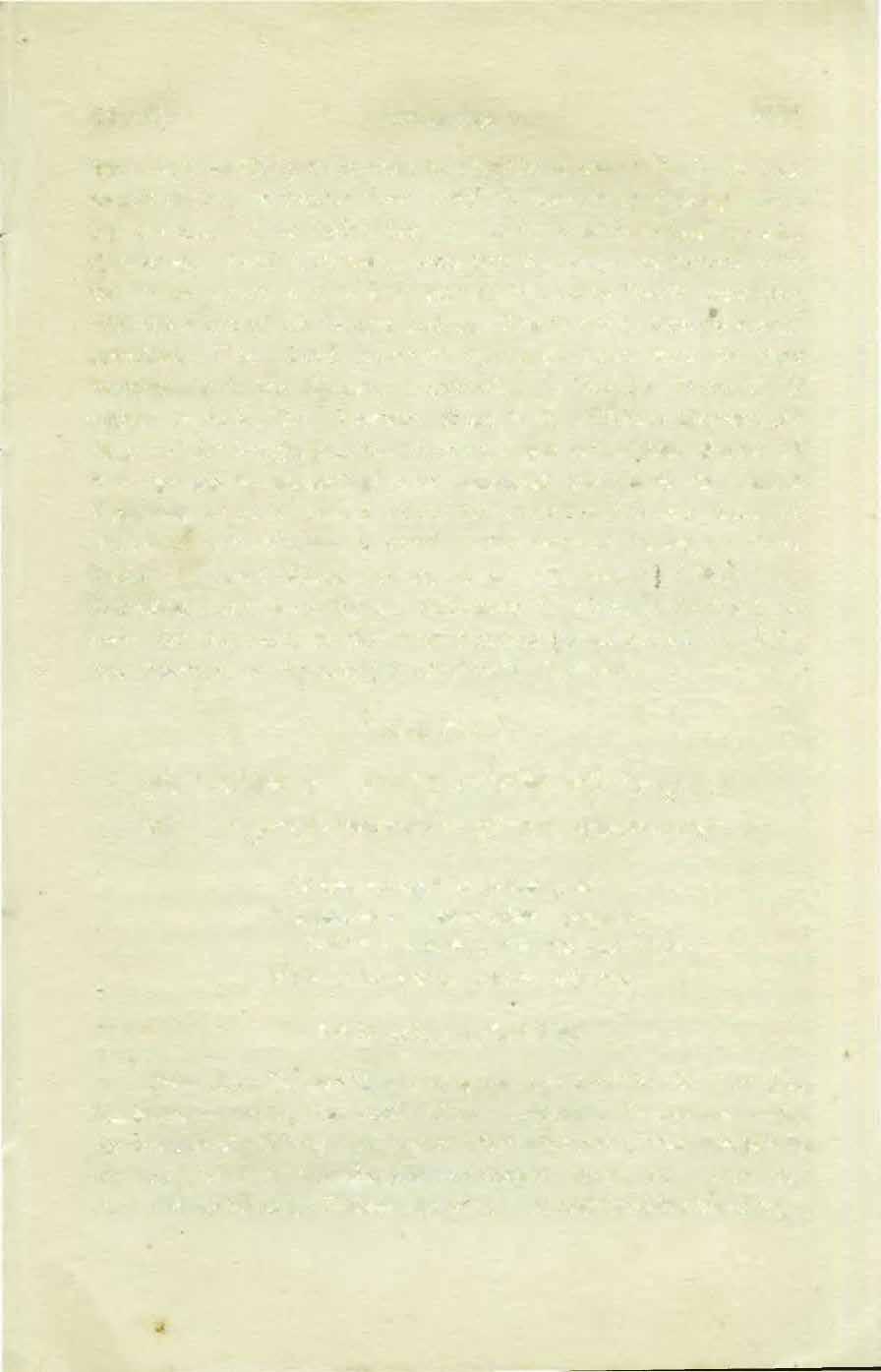
stt� fCJtsUfqUTlf • "' ' q-a"\' �re�ts_:fPJq�;:r.r+nat) �f;:rwa) �«�a�s,:tr:''

Iti l!Javachhidya sa pandaveyeh Prayopavesam prativishnu padyam
Dadhou mukundamghrim ananya bhavo
Muni vrato mukta samsta samgah.
ENGLISH SYNONYMS
lti-thus, Jryaoacchicba--having made it decided, Sa-theking, Pandaveyah-worthy descedant of the Pandavas, Prayopavesam-for the matter of fasting till death, Prati-towards, Vishnupadyamon the bank of the Ganges (emanated from the Lotus feet of Lord Vishnu), Dadhou-gave up himself, Mukundamghrim-
Text6] FIRST CANTO 1151
�fa clfCJf:a�'-" � q"TG��q: sn�qit::ff
unto theLotus feet of Lord Krishna; Ana7rya-without any deviation, Bhavo-spirit, Muniyrato-with vow of a sage, Muktaliberatt> ! from, Samasta-all kinds of, Samga-as�ociation.

TRANSLATION

Thus the king having made it decided once for all, the descendant of the Pandavas, went towards the bank of the Ganges to observe fasting untlll death and gave up himself unto the Lotus feet of Lord Krishna who is only able to award liberation; thus being freed from ail kinds of association and attachment accepting the vow of a sagF.

PURPORT
Thewater ofthe Ganges sanctifies allthe threeworlds including the gods and the demigods on account of her emanating from the lotus feet of the Personality of Godhead Vishnu. Lord Krishna is the fountainhead of the principle ofVishnu Tattwa and therefore shelter ofHis Lotus feet can deliver one from all sins including an offence which was commitedby the king unto a Brahmin. Maharaj Parikshit, therefore, decided to meditate upon the lotus feet of Lord Sri Krishna Who is Mukunda or the giver ofliberations ofall description. The bank of'the Ganges or th@ Yamuna gives one chance of remembering the Lord in a continued mood. Maharaj Parikshit freed h1mselffrom all sorts ofmaterialassociationandmeditated upon the Lotus feet of Lord Krishna and that is the way of liberation. To be free from all material association means to cease completely in the act of co nmittin; any further sins and to meditate upon thelotus feet ofthe Lord means to become free from the effects ofall previous sins which might have beencommitted by any one. The conditions ofthe material world are so made that one has to commit sins willingly or unwillingly and the best example is Maharaj Parikshit himself who was a recognised sinless pious king. But he aho became a victim of the offence upon a Brahmin even though he was everunwillingtocommit such mistake. And he was
1152 SRIMAD BHAGWATAM [Ch.19
cuned also but because he was a great devotee ofthe Lord, therefo· re, even mcfi reverses of life became favourable circumstancesfor the de-vo1ee of the Lord. The principle is that one should not wUlingly commit any sininhislift.• and should const;:,ntly remember the Lotus feet of the Lord without any deviation.In such a mood only the Lord will help the devotee for making regular progress towards the path of liberation and thus attaining the lotus fee.t of the Lord, Even there is accidental sins committed by the devotee the Lord saves the surrendered soul from all sins as it is confirmed in all scriptures. Swapadamulam bhaiJatah priyasya tyaktanyabha'Y
a.rya hari parefhah, Vikarma yatcha utpatitam kathanchit dhunoti sarvam hridi sannivistah (Bhag: 11/5/38). The devotee of the Lord never commits sins willingly but the material world is such a place that one has to commit sins even unwillingly. The finest way to save one from such accidental sins oflife is to remember constantly the Lotus feet ofthe Lord. But one who commits sins deliberate willingly on the strength of the Lord's assurances for s,wing, do commit the maximum amount of sins and there is no deliverance even by constantly remembering the Lotus feet ofthe Lord. Such willful offtnder has no chance ofbeing freed from the clutches of fruitive action.
a-�)q\Vt�i!..q-;f �iflifT
TEXTNO. 8


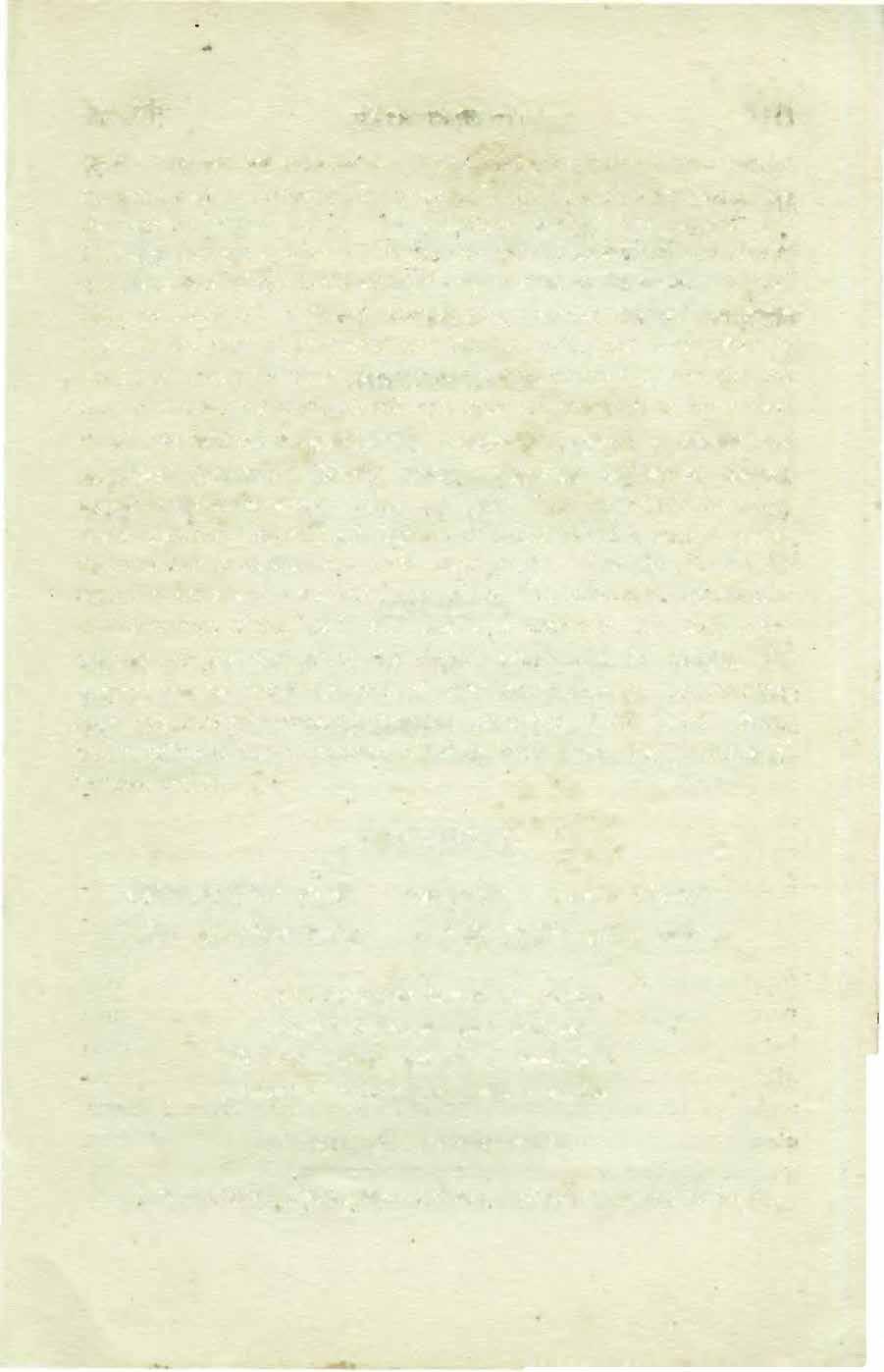
;r�l2lflClfT �;:rll': �f�tstft; l
sn�ur �iT�ffqrr�rqif�:
�arri r� a-r�ff;:r �;:rf;:a-�;:<;:t'
Tatra upajagmu bhuvanam punana 11-'lahanubhava munayah sasisyah
Prayena teertha abhigama apadeshaifz
Swayam hi teerthani punanti )·antah.
ENGLISH SYNONYMS
Tatra-there, Upajagmu-arrived, Bhuvanam-the universe,
Text8] FlRSTC4NTO ll55
Jlunana-those who can sanctify, Mahanubhava-great minds, Munayah- thinkers, Sasi.ryah- along with their disciples, Prayenaalmost, Teertha-pilgrimage, Abhigama-journey, Apadeshaik-on the plea of, Swayam--personally, Hi-certainl y, Teerthani-all the pilgrimages, Punati-sanctify, Santah-sages
TRANSLATION

At that time all the great minded thinkers accompanied by their di5ciples and sages who could sanctify the pilgrimages even by their presence, arrived there on the plea of pilgri m's journey.


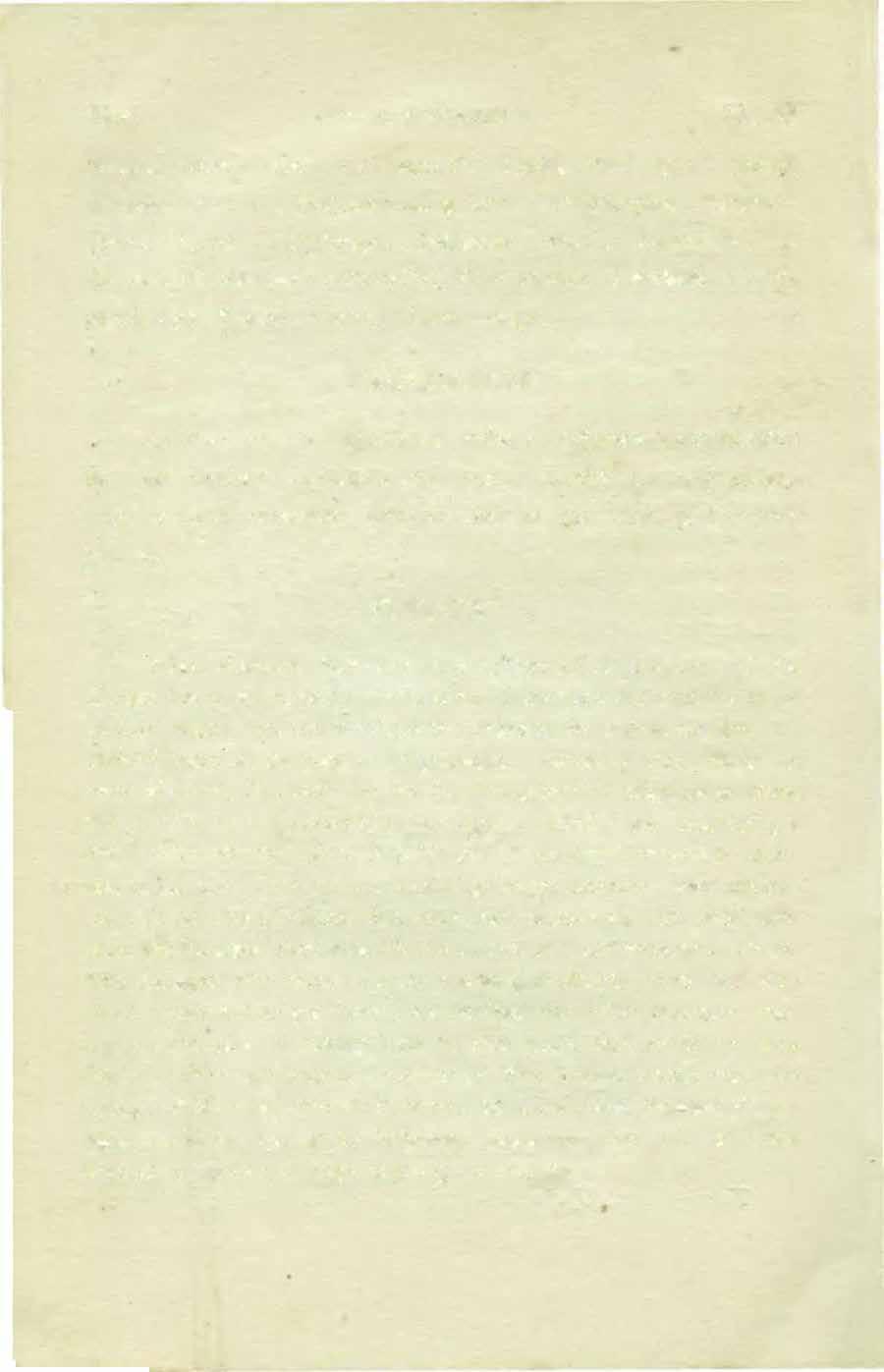
PURPORT
WhenMaharaj Parikshlt fixed up himselfon the bank of the Ganges the news spread all directions ofthe universe and the great minded sages, who could follow the importance of the occasion, all arrived there on the plea of pilgrimage. Actually they came to meet Maharaj Parikshit and not for takingbath in pilgrimage because all ofthem were competent enough to sanctify the pilgrimages even. Common men go to pilgrimages for getting themselves puri, fied ofall sins. Thus the place ofpi lgrimage becomes overburdened with the sins ofothers. But when such sages visit such overburdened pilgrimages, they sanctify the places by their presence. Thereforethe sages who came to meet Maharaj Parikshit were not very much interested to get themielves purified like other common men but on the plea of taking bath in that place they came to meet Maharaj Parikshit because they could foresee that taking the adv• antage ofMaharaj Parikshit's fasting for seven days, Sreemad Bhagwatam would be spoken by Sukdeva Goswami and all of them wanted to take advantage ofthe great occasion.
II54 SRIMA.DBJUGW.i.T.i.M [Ch. 19
us5
TEXT NO. 9-10
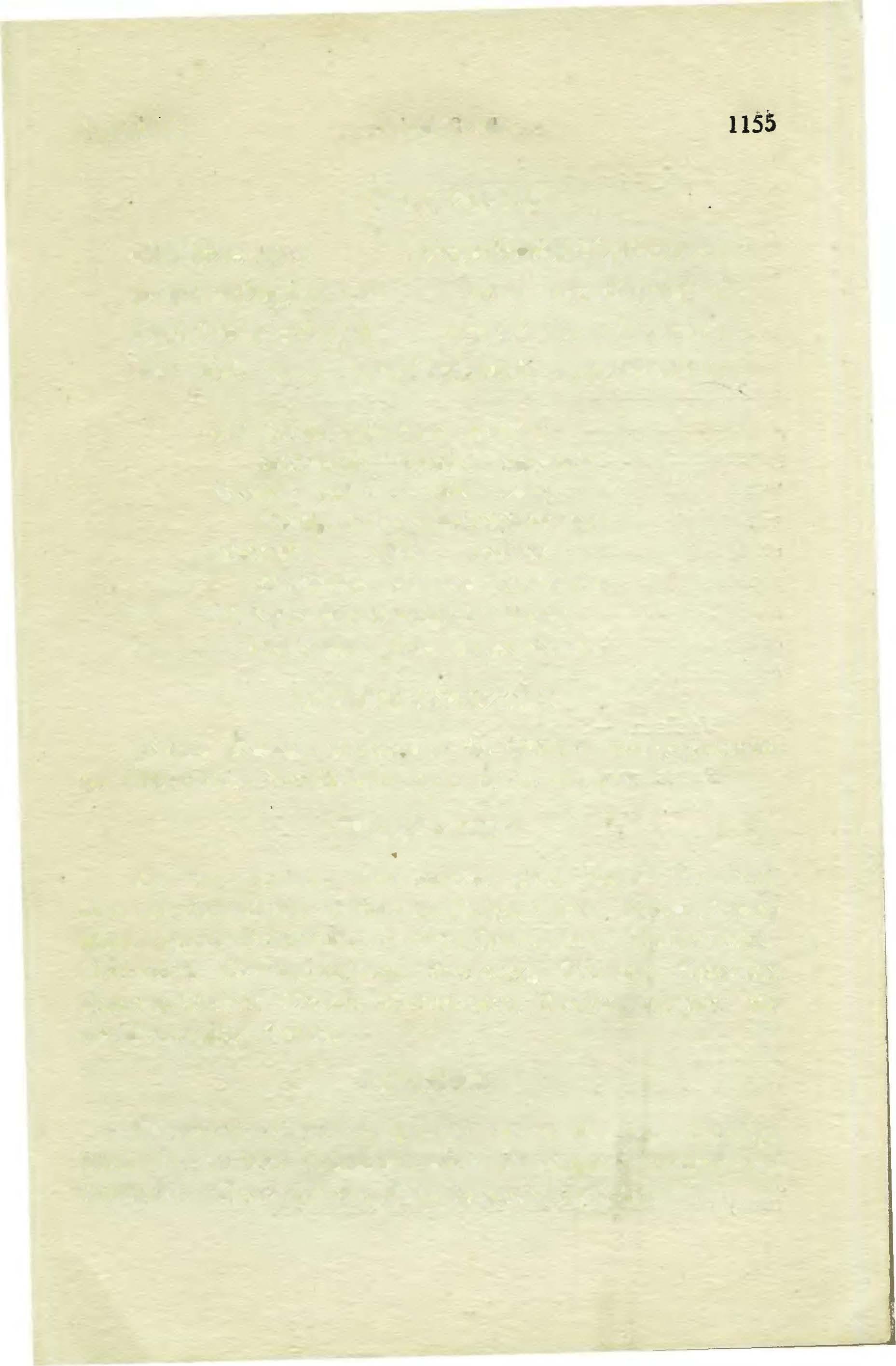
af�cff«.so�lfcr;t": �'{g:Af�o�t1:r�f�frr'{t�iif l
'tU�'{) rrtfet�a)sq \llf '3(f�'"tf i;istll�Cft&Tu �ettfaf"�� �T��) "41�9:1\51")rrffil1:fqcq�tq: l
q�l( �1�: Cf\�: �'+{t()f;::rg:"'«ntffl) l(f(Cfl;o:(t��:q ll
Atri vasistas ehyavanah saradban
Aristanemir chrigur angirascha.
Parasaro gadhisuto atho rama
Utatth;ya indrapramadIddhmabahau.
Medhalithir devala astiseno
Bharadwaja goutamah pippa/ada.
Maitreyaourbah kavashahkumbhayoni
Dwaipayana bhagawan naradas cha.
ENGLISH SYNONYMS
Atri.••to Narada-allnames of the different saintly personalities arrived there from different parts ofthe universe.
TRANSLATION
On that occasion there arrived great sages like Atri, Chyavan, Saraadban, Aristanemi, Bhrigu, Vasista. Parasar,Viswamitra,Angira, Parsurama, Utatthya,Indrapramad, Iddhmavahu, Medhatithi, Devala, Astisena, Bharadwaj, Goutama. Pippalaha Maitreya, Ourbah, Kavash, Kumbhayoni, Dwaipayana, and the great Personality Narada.
PURPORT
Chyavan:-A great sage and one of the sons of Bhdgu Muni. He was born premature when his pregnant mother was kidnapped, Chyavan is one ofthe six sons ofbis father.
text 9-10]
FIBSTCANTO
Bhrigu :-When Brahmaji was performing a great sacrifice on behalf ofVaruna, Maharshi B:1rigu was born from the sacrificial fire. He ·,vas a great sage and his very dear wife was Puloma. He could travei in the space like Durvasa, Narada and others andused to visit all planet:; of the univene. Before: the battle ofKurukshetra, he was one ofthem who tried to stop the battle, Some· times he instructed Bharadwaja Muni about the astronomical evolution and heis theauthorof the great Bhrigusamhita the astrological calculation. He explained how air fire water and earth generated from ether. He explained how the air in the stomach works and regulates the intestines. As a great philosopher he established with logical conclusion about the eternity of the living entity. (Mahabharat Shanti ch/87) He was also a great anthropologist and the theory ofevolution was long ago explained by him. He was a scientificpropounderofthe fourdivisions and orders ofthe human society known as the Varnashram institution. He converted Kshatriya king Bitahavyak to become a Brahmin.
Vasista :-Seepage 497 Vol. II.
Parasara :-Is the grandson of Vasista Muni and father of Vyasadeva. He is the son of Maharshi Shakti and his mother's name was Addsyanti. He was in the womb of his mother when she was only twelve years old. And from within the womb of his mother he learnt the Vedas. Histather was killed by a demon Kalmaspada and to revenge this he wanted toannihilate the whole world when he heard thedeath news of his father by his mother: He was however restrained by his grand fathe� Vasista. He then· performed a Rkshas killing yajna but Maharshi Pulasta r(!strained him. He begot Vyasdeva being attracted by Satyavati later on wife of MaharajSantanu. By the blessings ofParasara, Satyavati became fragrant for miles together. He was present also duriug tbe time ofBhisma's death. He was spiritual master of Maharaj Janaka and a great devotee of L0rd Shiva. He is the author of many vedic scriptures and sociological . directions.
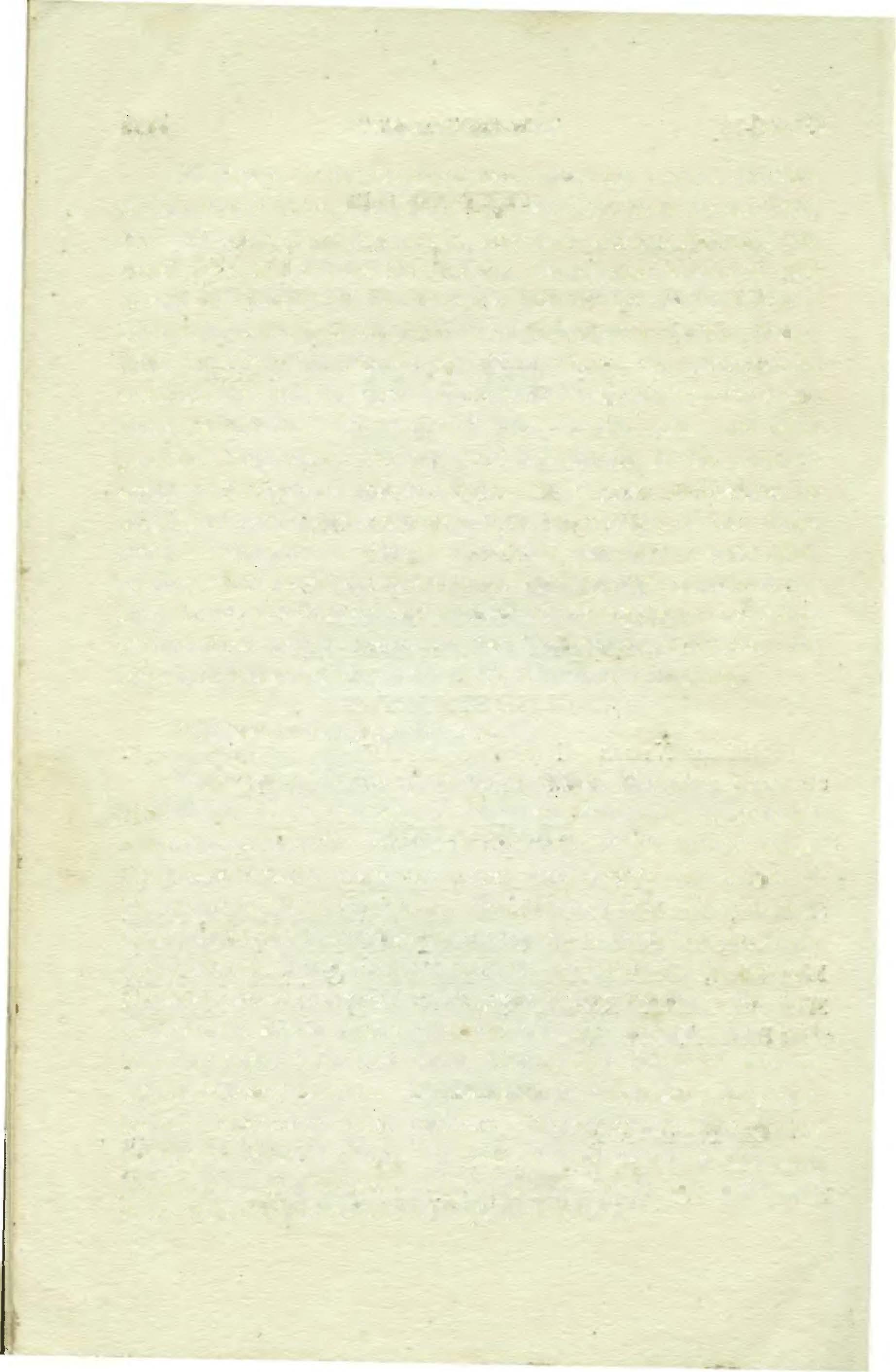
1156 SRIMAD BHAGWATAM [Ch. 19
Gadbi Putraor Viswamitra:-A great sage of austerity and mystic power He is fam<:'us as Gadhiputra because His father's name was Gadhi a powerful king ofthe province of Kanyakubja (par(ofUttar Pradesh). Although he was Kshatriya by:birth still he became a Brahminin in the very same body by the power of his spiritual achievements. He picked up a quarrel with Vasista Muni when he was a Kshatirya king and performed a great sacrifice in co-operation with Matanga Muni and thus was able to vanis}:t the sons ofVasista. He became a great Yogi and yet he failed to checkup his senses and thus was obliged to become the father of Sakuntala the beauty queen of the world history. Once upon a time while he was Kshatriya king, he visited the hermitage of Vasista Muni and he was given royal reception. Viswamitra wanted from Vasista a cow of the name Nandini :and the Muni refused to deliver it. He stole away the cow and thus there was a quarrel between the sage and the king. After all Viswamitra was defeated by the spiritual strength ofVasista and thus the King decided to become a Brahmin and before becoming a Brahmin he underwent a severe type of austerity on the bank ofKoushika. He was also one ofthem who tried to stop the Kurukshetra war.

Angira:-He is one of the six mental sons of Brahma and the father ofVrihaspati the great learned prie�t of the demigods in the heavenly planet. He is born of the semen ofBrahmaji given to the cinder of fire. Utthato and Samvarta are his sons and it is said that he is still performing austerity and chanting the holy name of the Lord at a place known as Alokananda on the bank of the Gange-s .�
Parsurama :-See page 496 Voii.

Utattha :-One ofthe three sons ofMaharshi Angira. He was the spiritual master ofMaharaj Mandhata. He married Bhadra the daughter ofSoma ( Moon). Sometimes Varuna Kidnapped his wife Bhadra and to retaliate the offence of the god ofwater, he
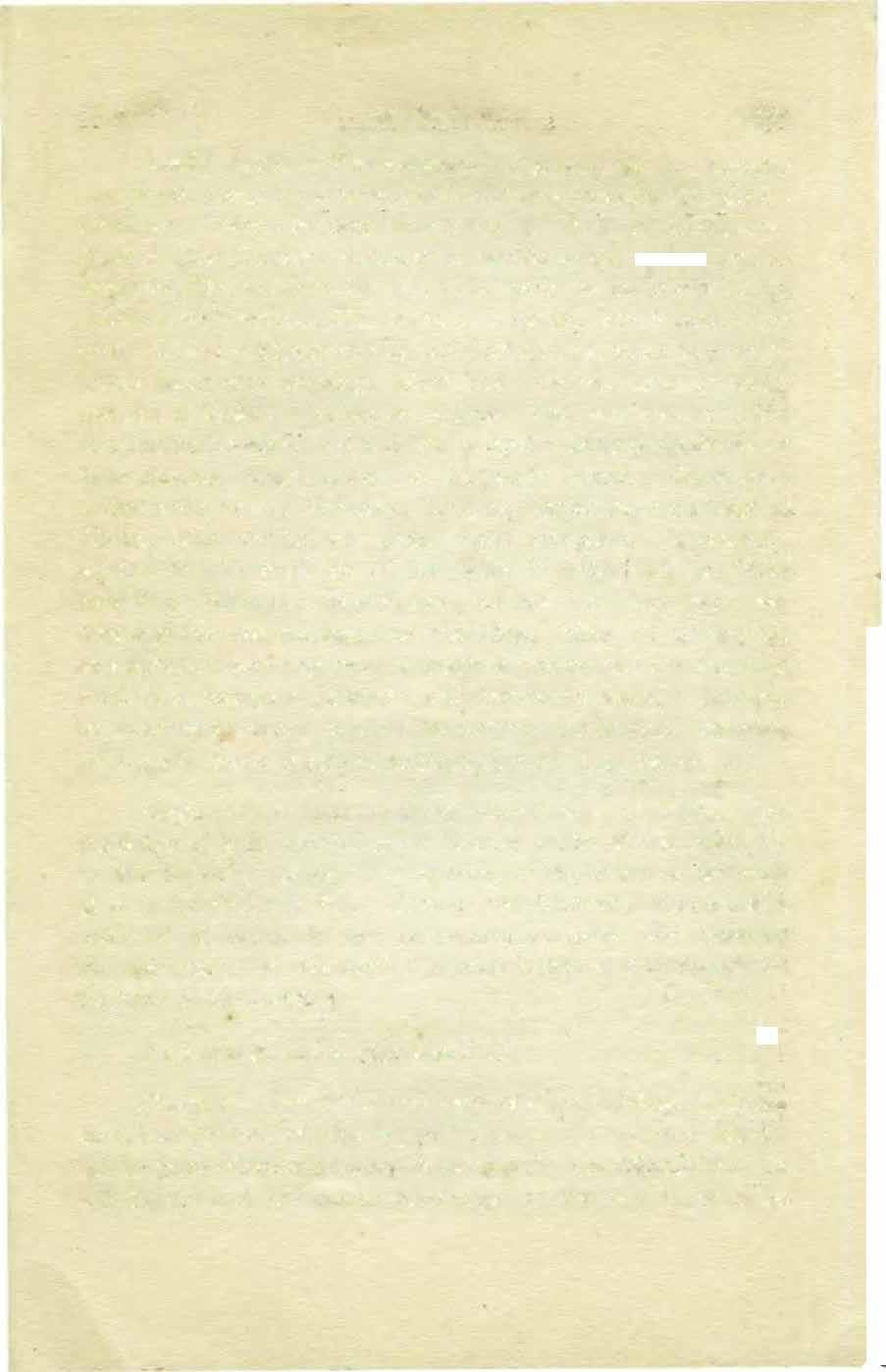
Text 9-10] FIRSTCANTO 1157
drunk off all water ofthe world.
lndrapramad!-See page 497 Vol. II.
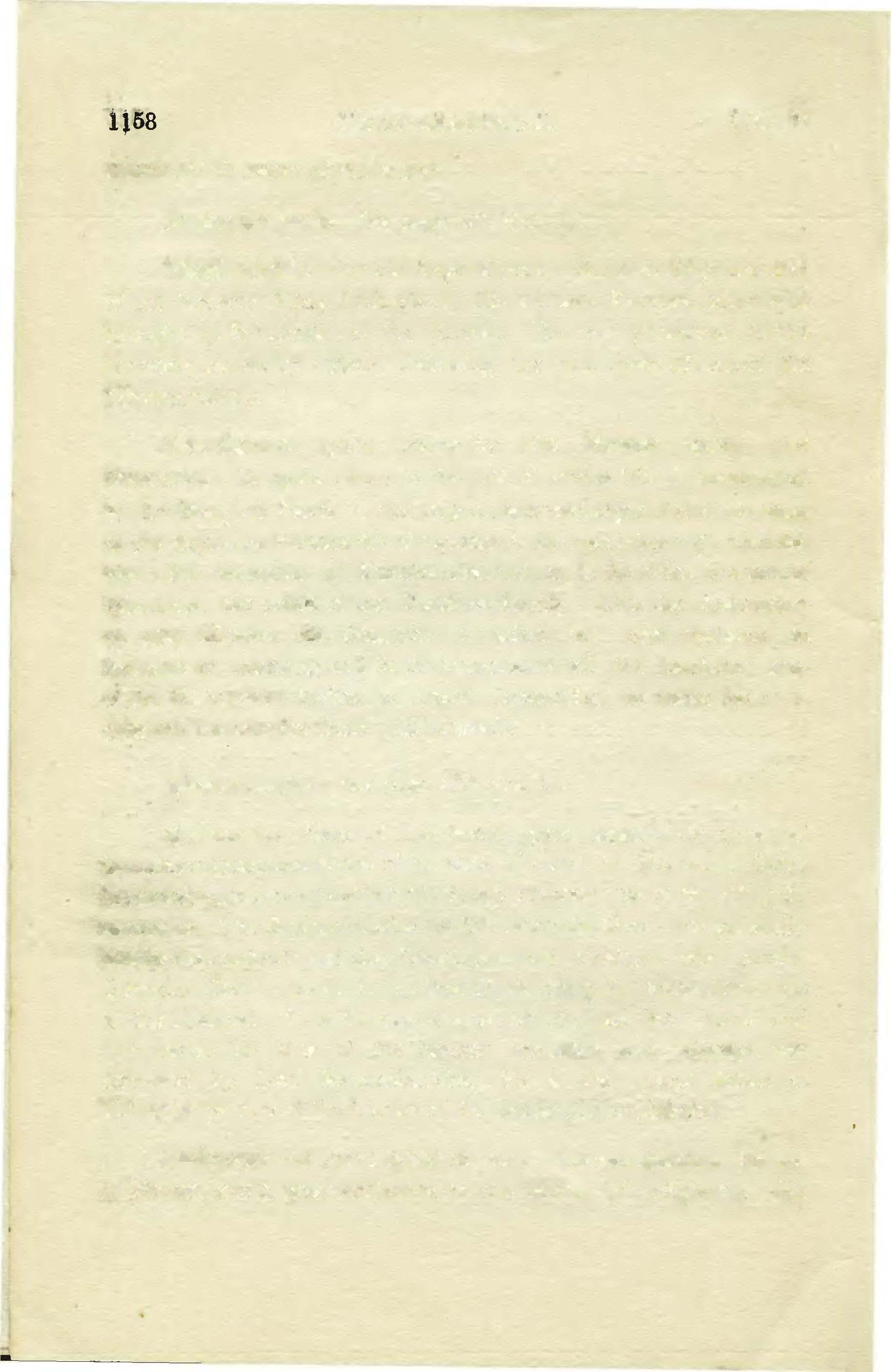
Medhatithi :-An old Sage of yore. An assernbl y member ofthe heavely King Indradeva. His son was Kannwa Muni \vho brought up Sakuntala in the foreest. He was promoted to the heavenly planet by strictly following the principles ofretired life (Vanaprastha).
Devala:-A great authority like Narada Muni and Vyasdeva. His good namein the list of authorities Is mentioned in the Bhagwat Geeta while Arjuna acknowledged Lord Krishna as the Supreme Personality of Godhead. He met Maharaj Yudhisthira after the battle of Kurukshetra and he is the elder brother of Dhoumya the priet.t of the Pandava family. Like the Kshatriyas he also allowed his daughter to select her own husband in Sayambara meeting and in thatceremony all the bachelor sons ofthe Rishis were invited to attend. According to some he is a different personality from Asita Devala.
Bharadwaja:--See page 496 Vol. II.
Goutama:-One of the se\ten great sages ofthe universe. Saradban Goutama isone of his sons. Persons in Guutama Gotra (dynasty)uptodate are either his family descendants or his disciplic succession. The Brahmins who profess GoutamaGotra are generally family descendants and the Kshatriyas and Vaish yas who profess Goutama Gotra are all in the line of his disciplic succession. He is the husband of the famous Ahalya who turned into stone and Indradeva the king of the heaven molested her. Ahalya was delivered by Lord Ramachandra. He is the grand father of Kripacharya one ofthe heroes ofthe battle ofKurukshetra.
Maitreya:-A great Rishi of yore. He was spiritual master of Vidura and a great authority in the matter of religiosity. He
SRIMAD BH.A.GWATAM [Ch. 19
advised Dhritarstra to keep good relation with the Pandavas. Duryadhone disagreed and thus he was cursed by him. He met Vyasdeva and had religious discourses with him.
Dwaipayana:-See page 495 Vol. II.

NaradaMuni:-See page 494 Vol. II.

TEXT NO. 11

�irent:��tr;;li'
�T�fflJCftr¥ ��tll�'
�T�T f��m CfCf;:� Il
Anye cha devarshi brahmarshi varya Ra;arshivarya arunadayas cha .Nana arseyapravaran sametan Abhyarcha raja sirasa vavande.
ENGLISH SYNONYMS
A79e-many others, Cha-also, Devarshi-saintly demigods, Brahmarshi-saintly brahmins, Varya-topmost, Rajarshivaryas-topmost saintly kings, Arunadayas-a special rank of Rajarshis, Chaand, .Nana-many other, Arsheyapravaran-chiefamongst the dyna· sties of the sages, Same/an-assembled together, Abhyarcha--by worshipping, Sirasa-by the head down oa the groundj Vavandewelcomed.
TRANSLATION
There were many other saintly demigods, royal orders and special royal order of thena.mc Arunadaya of different dynasties of sages and when a!I ofthem assembled together to meet the emperor, he received them properly and b'Jwed downhis head on the ground.
PURPORT
The system ofbowing down the head on the ground to show Tespects to superior is an excellent etiquette which obliges the hono-
Textll] FIRSTCANTO 1 159
";:q.!if �r�r""'tr¥
ured guest deep into the heart. Even the first grade offender is excuse,.l by the offended simply by this p�·ocess and Maharaj Parikshit, although he was honoured by all l'ank and file of the order of Rishis and kings, the emperor welcomed all the big men in that humble etiquette in order to be excused by them ifhe had offended _ them at all at any time. Generally at the last stage ofone's life this humble method is adopted by every sensible man inorder to be excused before departure for the next life and in this way Maharaj Parik�hit implored every one's good vdll for going back to home back to Godhead.
TEXTNo. 12
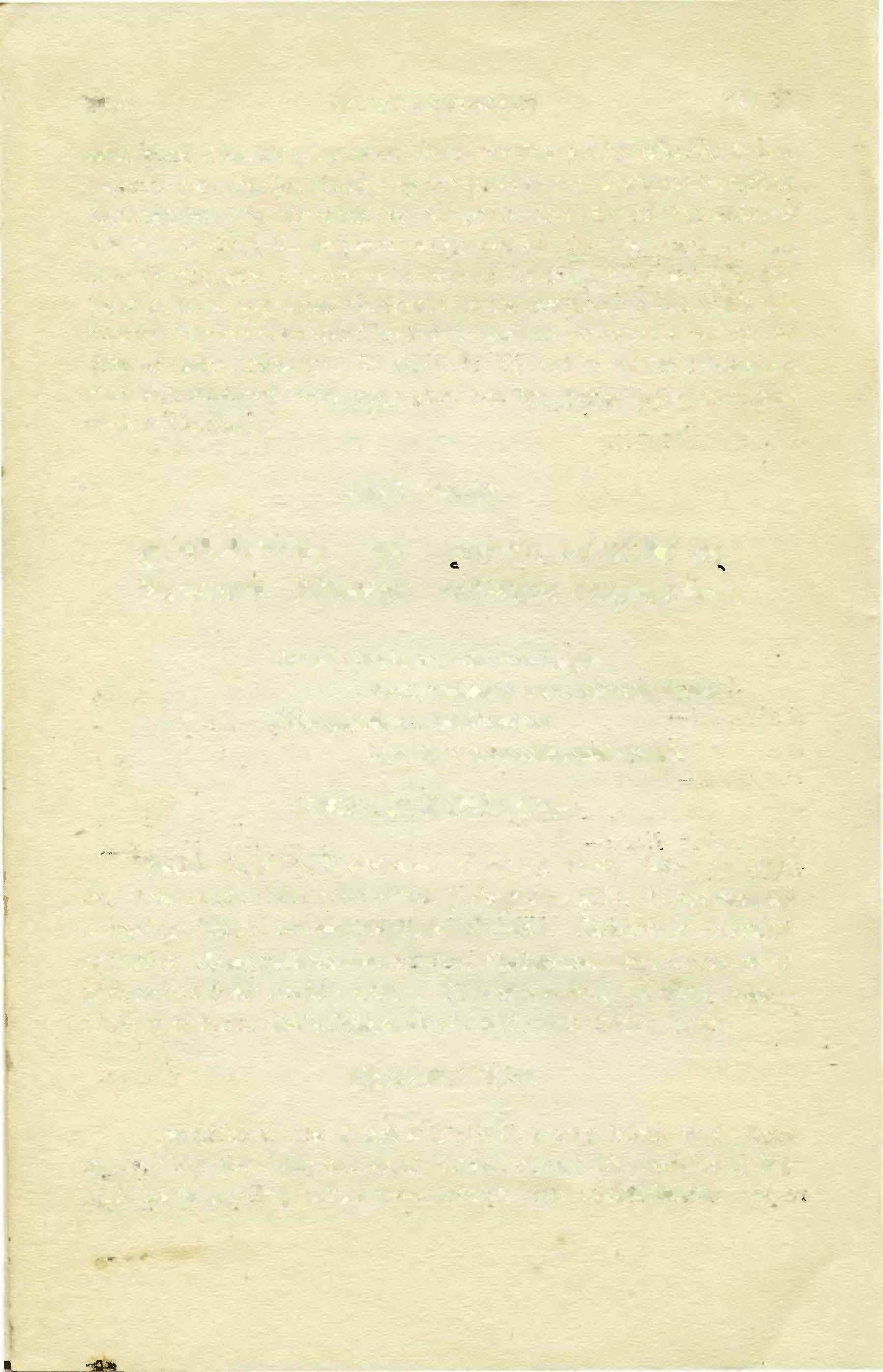
Sukha upavistesu atha tesu hhuyah
Kritapranamah swa chikirsitamyat. ViJnapnyamasa viviktacheta
Upasthito agre ahhigrihitapanih.
ENGLISH SYNONYMS
Sukha-happily, Upavistesu-all sitting down, Atha-there�pon, Tesu-unto them (the visitors) Bhuyah-again, Kritapranamah -having offered obeisances, Swa-his won, Chikirsitam-decision offasting, Vijnapayamasa-submitted, Viviktacheta-one whose mind is detached from worldly affairs, Upasthito-being present, Agrein front ofthem, Abhigrihitapanih-humbly with folded hands.
TRANSLATION
Thereafter all the Rishis and others having taken their seats comfortably the king expressed himself about his decision to fast until death standing before them humbly with folded hands.
1160 SRIMADBHAGWATAM [Ch. 19
��)qfq�a� a, �lf: fcl�fTqlfTqTtf fCTfct���(=(T lli'CfSIVrtq: 'ctf:t(CfitflSI'ti lffi' • c. ... \3'qftqa)�'sf;r��)aqtfQl': t 1
•----�
Although the king had already decided to fast until death on the bank ofthe Ganges still he humbly expressed his deci2ion to elicit opinions of the great authorities present there. Any decision however important and fixed up may be confirmed by some authority and that makes the thing very perfect. This means the monarchs who ruled over the earth in those days were not irresponsible dictators but they scrupulously followed the authoritative decisions ofthe saints and sages in terms of Vedic injunction. Maharaj Parikshitw as a perfect king and he followed the principles ofconsulting the authority even up to the last days of his life.
TEXT No. 13
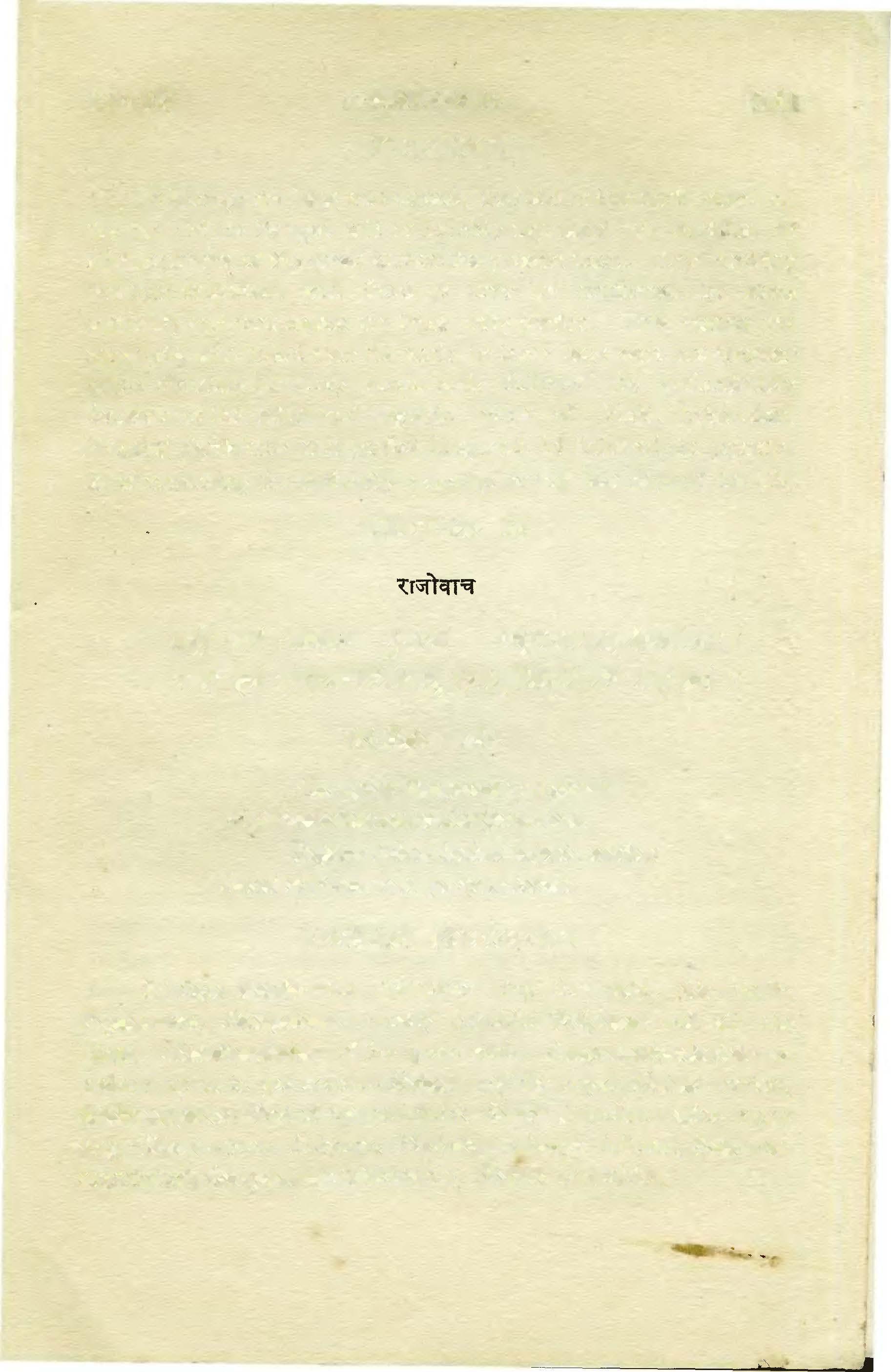
Sri Raja uvacha
Aho vayam dhanyatama nripanam
.Aiahattamanam anugrahaniyasheelah.
Rajnam kulam hrahmanapada souchad
Durad visristam bata garhyam karma.
ENGLISH SYNONYMS
SriRaJa uvacha-the fortunate king thus said, Aho-haUo, Vayam-we, Dhanyatama-mostly thankful, .Nripanam-of all the kings, Mahattamanam-ofthe 5reat souls, Anugrahaniyasheelah-so trained up as to get favours, Rajnam-ofthe royal, Kulam-orders, Brahmanapada-feet ofthe brahmins, Sauchad-refuses after clean sing, Durat-from distance, Visristam-always left out, Rata-on account of, Garhyam-condemnable, Karma-activities.
Text 13] FIRST CANTO 1161
PURPORT
a�) Cl'ti �;lf�qr ;qtvri q�:a-q12��1JfTtr�i�n 1 '(T�i �� �QTqT��1rqTCl i'(tf{ fet�.si Gfa' q�"lll'tf II
The fortunate king said, "Hallo how . we are mostly thankful from other rulers, being trained up as to get favours ofthe great souls otherwise generally the royal orders are rejected( by you ) from a distant phce like the refuses after cleansing. "


PURPORT
According to religious principle, the stool, urine, washed water etc must be left out from a long distance. Attached bath rooms, urinals, privy etc may be very convenient amenities of modern civilization but they are ordered to be situated at a disiance away from residential quarters. That very examhle is cited herein fn relation \-\<ith the kingly order for those who are progressively marching towards back to home back to godhead. Lord Sri Ghaitanya Mahaprabhu said, that to be in intimate touch with [.. sh. men or the kingly order by one who desires to go back to home back to Godhead,-is more than committing suicide by drinking hemlock. In other words the transcendentalist do not generally associate with men who are too much enamoured by the external beauty of God's creation. By advanced knowledge in the matter ofspititual realisation, the transcendentalist knows it well, that this beautiful material world is nothing but a shadow reflection of the Reality the kingdom of God. Tbey are not, therefore, very much capitavated by the royal opulence or any thing like that. But in the case ofMaharaj Parikshit the situation was different. Apparently the king was condemmed to death by an inexpe-rienced brahmin boy, but factually the king was called by the Lord to go back to Him. Other transcendental�sts,the great sages and mystics who assembled together on account of Maharaj Parikshit's fasting unto death, were quite anxious to see him who was going back to Godhead. Maharaj Parikshit also could understand that the great �ages who assembled there were all kind to his forefathers the Pandavas on account of their devotional
1162 SRIMAD BHA.GWATAM [ Ch.11
TRANSLATION
service ofthe Lord. He felt, therefore, grateful to the sages for being :present there at the last stage of his life and he felt that it was alidueto the greatness ofhis lateforefathers orgrandfathers at. He felt proud therefore that he happened to be the descendant ofsuch great devotees. Feeling of such prideness in relation with the devotee and the Lord is certainly not equal to the puffed up sense ofvanity in relation with material prosperity. The first is reality whereas the last one is false and vanity only.
Tasya evame agha.sya paraavara isho Vyasakta chittasya grihesu abhilcshanam Nirvedamulam dwijasapa rupo ratra prasakto hhayam asudhatte.
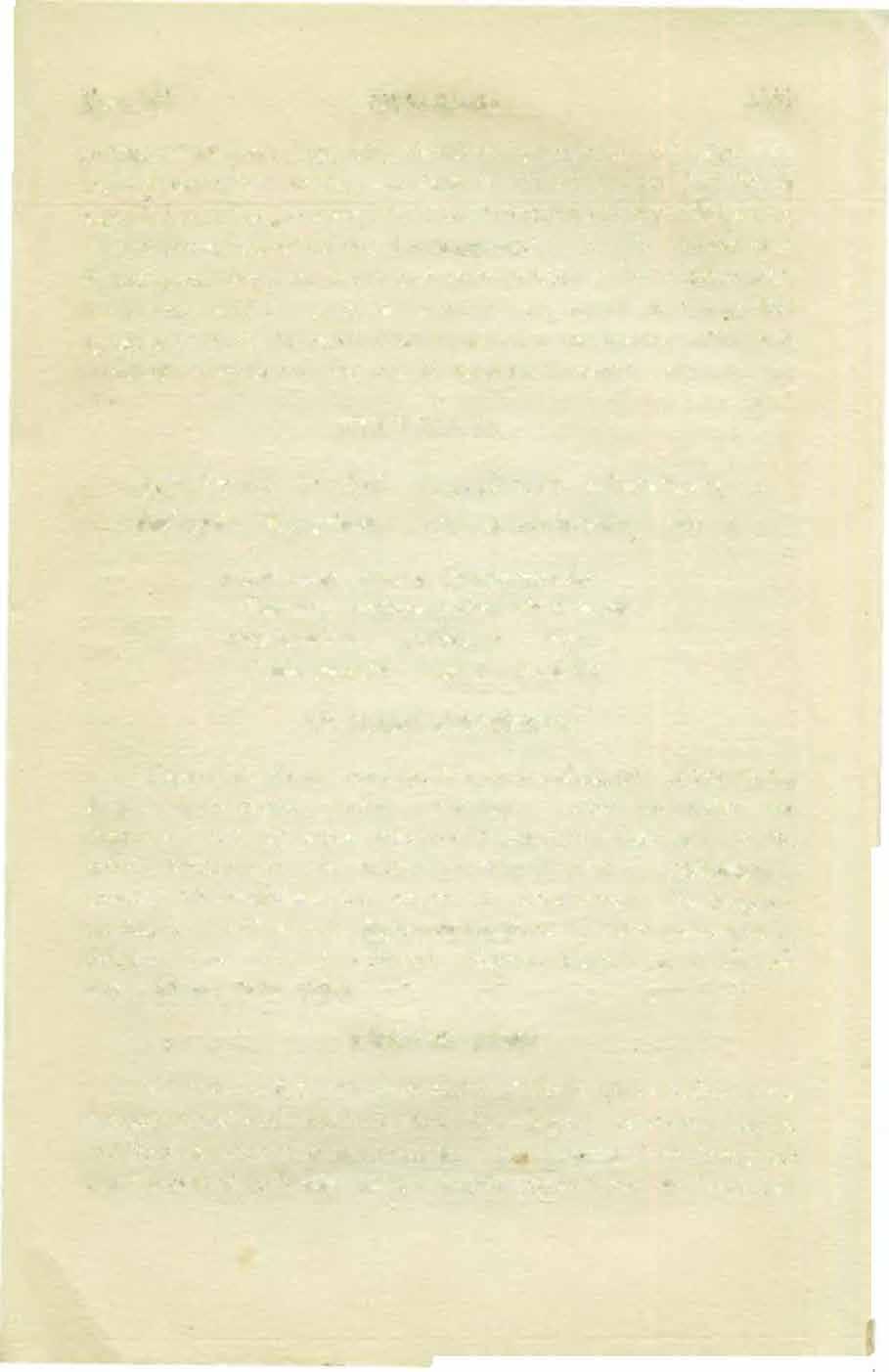
ENGLISH SYNONYMS
Tasyo-his, Eva-certainly, Me-mine, Agkasya-ofthe sinfu), Para-transcendental, Abara-mundane, lsha-controller the Supreme Lord, Vyasakta-specifically attached,, Chittasya-of the mind, Grihesu-in the matter of family affairs, Abhiksknamalways, Nirvedamulam-the source of detachment, Dwijasapacursing by the brahmin, Rupa-in the form of, Yatra-whereupon Prasakto-one who is affected, Bhayam�fearfulness, Asu-very soon, Dhatte-take place.
TRANSLATION
As such the Supreme Personality ofGodhead controller ofthe transcendental and mundane worlds has kindly overtaken me in the form of cursing ofthe Brahmin. 011 account ofmy being too much attached to family life and inorder to save me the Lord has
Text 14] FmSTCANTO 1163
a�qari!ts!Tfl.i q�Tcr=t�) oli'T«Craf:t(flfll' ��.sCJ;r)a=r'O'f� 1 f;:r��l!�) faiii'�Tq�q) tf� SI�Cf�)�l(fiT� �� I'
TEXT N0. 14
so appeared before me so that out of fear only I may be detached from the world.
PURPORT
Maharaj Parikshit although born in the family ofthe great devotees the Pandavas and although he was securely trained up in the matter oftranscendental attachment for the association ofthe Lord, still the allurement ofmundane family life is so strong that even he was to be detached from such mundanelifeby a plan ofthe Lord in the form ofcursing by thebrahmin boy. Such direct action is taken up by the Lord in the case ofa special devotee by whom a particular mission ofthe Lord has have to be done. Maharaj Parikshit could understand it by the indication ofpresence of the topmost transcendentalist ofthe universe present before him. The Lord resides with His devotees and therefore the presence of th€ great saints indicated the presence of the Lord on the spot. A condemned person is never visited by the Lord and as such Maharaj Parikshits could follow itthat in the form ofcursing by the Brahmin boy the Lord has had appeared before him. The reverse position was favourable condition for the king for his becoming unattached to the alluring family life out of a fear of the cruel death. He therefore welcomed the presence ofthe t great Rishis as a mark of favour ofthe Supreme Lord.
TEXTNo. IS
cil{fqtftat ft\51"1-m�z: ..

Tam rna upayatam pratiy arztu vipra
Ganga Chadevidhrita chittam ishe

Dwijopasristah kuhakas takshako va Dasatu alam gayata vishnugathah.

l164 SRIMAD BHAGWATAM [Ch. l9
ENGLISH SYNONYMS
Tam-for that reason, Ma-rne, Upayatam-taken shelter of, Pratfyantu-just ta,ke it from me, Vipra-:.>h the brahmins, Ganga-mother Ganges, Cha-abo, Devi-direct reprcsent_ative CJf the Lord, Dhrita-taken up, Chittam--heart, lshe-unu theLord, Dwijopa,lristah -created by the brahmin, Kuhaka-something magical, Takshakathe snake-bird, Va-eithcr, Dasatu-ltt it bite, A/am-withoutfurther delay, Gayata-please go on singing, Vishnugathah-narration ofthe deeds ofVishnu.
TRANSLATION
Oh the brahmins just accept me as the completely surrendered soul and let mother Ganges the representative ofthe Lord also accept me like that as I have already taken up in my heart the lotus feet ofthe Lord. Let the snake bird or something magical created by the brahmin, bite me atonce but what I want that you all may go on singing the deeds ofLord Vishnu.
PURPORT
As soon as one is given up completely unto the Lotus feet of the Supreme Lord one is not at all afraid of death. The atmosphere created by the persence ofgreat devotees of the Lord on the bank ofthe Ganges and Maharaj Parikshit's completely acceptance ofthe Lord's Lotus feet all were sufficient guarantee for the King for going back to home back to Godhead. He became thus absolutely free from all fear ofdeath.
TEXT No. 16
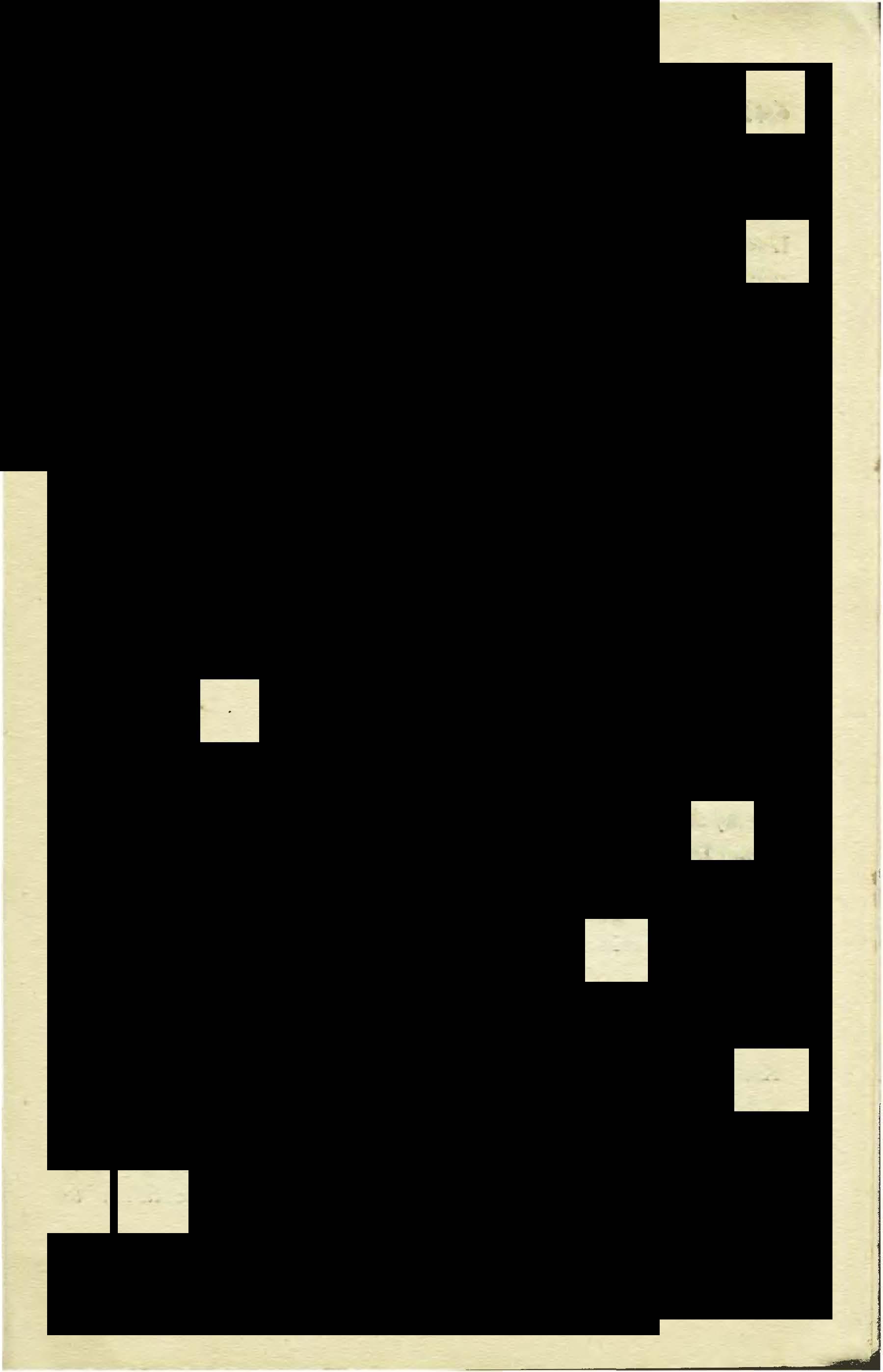
�9{'!.1 �lfT,;ftTGf�tA"�a
�fa: Sf�tT�;:.fa'iTS!.'fq� I
q�� lfl l((�q:qtfq ��e. tf':il'�g trcf� ;:rq) ��+:q: II
Punas cha bhuyad bhagwati anante
Ratih prasamgas cha tad asrayaesu.
Mahatsuyamyam upayami sristim
Maitras tu sarvatra namo dwijebhyah.
Text 16 ] FIRST CANTO 1165
ENGLISHSYNONYMS
Punas-again, Cha-and, Bhuyad-let it be, Bhagwati-unto Lord Sri Krishna, Anante--who has unlimited potency, Ratim-attraction, Prasamgas-association, Cha-also, Tad-His, Asrqyaesuunto those who are His devotees, Mahatsu-within the compass of material creation, Tamyam-whichever, Upayami-I may take, Sristim-my birth, Maitras-friendiy relation, Tu-1et it be, Sarvatra-everywhere, Nama-my obeisances, Dwijebhyah-unto the Brahmins.



TRANSLATION
Again after offering my obeisances unto you all the Brahmins, I beg to pray that should I again take my birth in the material world let it be that I may have my full attachment unto Lord Sri Krishna who has unlimited potency, my association with His devotees and my friendly relation with all living beings.
PURPORT

A devotee ofthe Lord is the only perfect living being is explained herein by Maharaja Parikshit. A devotee ofthe Lord is no body's enemy although theremay be many enemies ofa devotee. Adevotee ofthe Lord does not like to associatewith non..devotees although he has no enmity with them. He desires association with the devotees ofthe Lord. This is perfectly natural because the birds ofthe same feather mix up together. The ducks and the crows are different types of birds. The ducks associate with the dmi:ks and the crows associate with the crows. And the most important function ofa devotee is to have complete attachement for Lord Sri Krishna the father ofall other living beings. As a goorl son ofthe father behave friendly with all his other brothers, so also the devotee ofthe Lord being good son of the Supreme Father Lord Krishna, sees all other living beings in relation with the Supreme Father. He tries to bring back the upstart sona of the father to
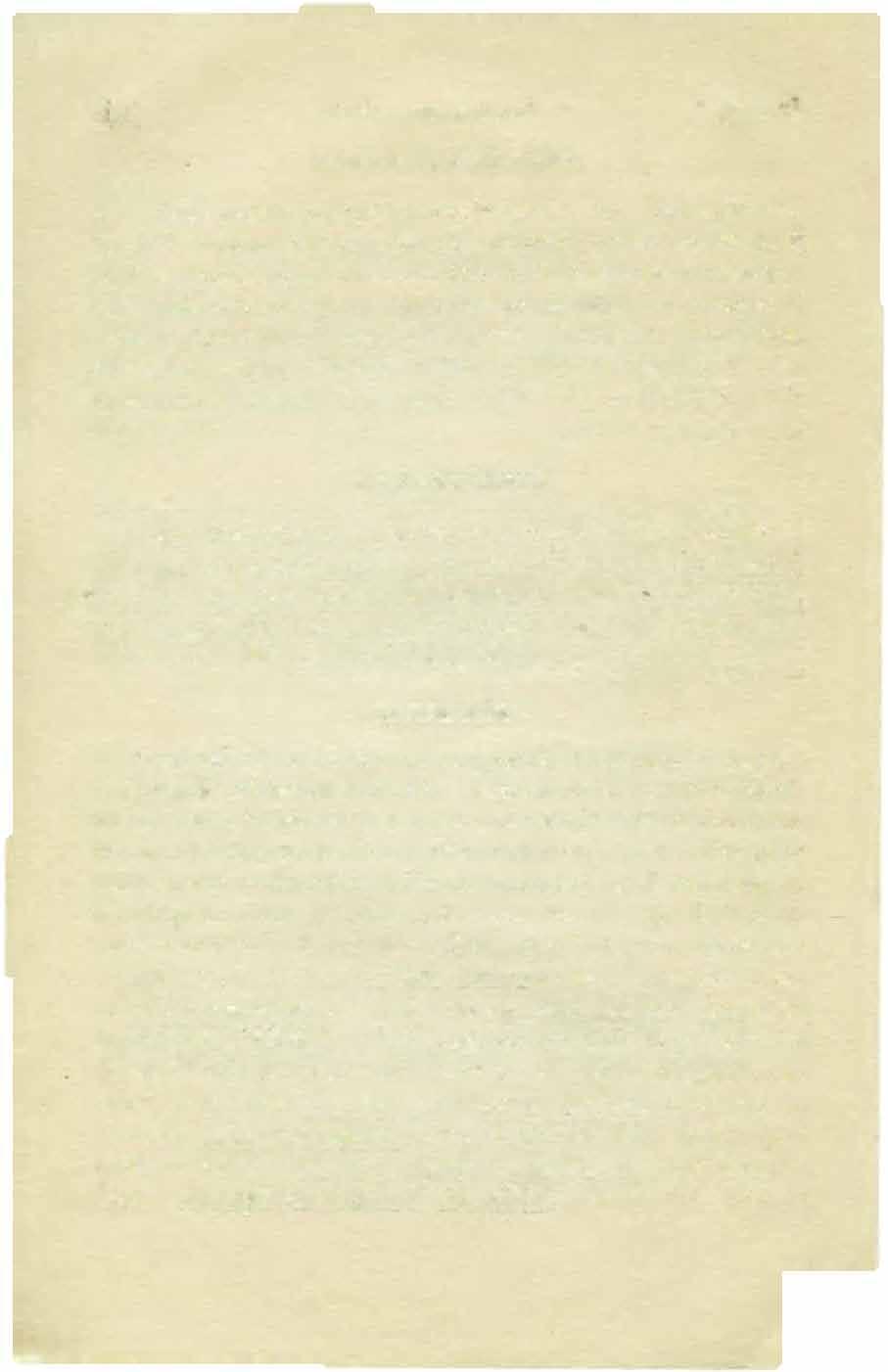
1166 SRIMAD BHAGW.A.TAM [�b. 19
a saner stage and thus gradually accepts the Supreme fatherhood of God. Maharaj Parikshit was certainly going back to home back to Godhead but even ifhe was not to go back like that he prayed for a pattern of life which is the most perfect way of life in the material world. A pure devotee does not desire the companyof a personality as great as Brahma, but he prefers the association ofa petty living being provided such living being is a devotee of the Lord.
TEXT Noo 17
lti sma raja adhyavasaya yuktah
Prachina mulesu kusesu dheerah
Udammukham dakshina kula aste
Samudra patnya swa suta nasta hharah.
ENGLISH SYNONYMS
[ti-thus, Sma-as in the past, Raja-the king, .A.dhyavasayaperseverance, ruktah-being engaged, Prachina-eastern, Mulesuon the root, Kusesu-on seat made of kusa straw, Dheerah-selfcontrolled, Udammukham--facing the northernside, Dakshina--on the southern, Kula-bank, Aste-'lituated, Samudra-the sea, Patnyawife of (the Ganges) Swa-own, Suta-son, Nasta-given over, Bharah-the charges ofadministration.
TRANSLATION
Maharaj Parikshit was perfectly self controlled and as such thus he situated himself. He sat down on the seat ofstraw with roots towards the east placed on the southern bank ofthe Ganges, facing himselfon the northern side and previously having given the charge ofadministration on his son.

Text 17] FIRSTCANTO 1167
tfa '" Uiii'T��q({flf�Cfef: stt:q);:r��, �� t:l'T�: ��,�) <if�Cii� �T'� �,a-q�;:�r: '"�a;:q,aoqn:: ,,
PURPORT
'fhe river Ganges is celebrated to be known as the wife ofthe sea. The seat of Kusa straw is considered to be sanctified ifthe straw is taken out ofthe earth complete with root and the root side kepttowards eastern direction is considered to be auspicious. Facing the northern side is still more favourable for attaining sipritual success. Maharaj Parikshit handed over the charge ofadministration to his son before bisleaving the home. He was thus fully equipped for all favourable conditions.
TEXTNo. 18

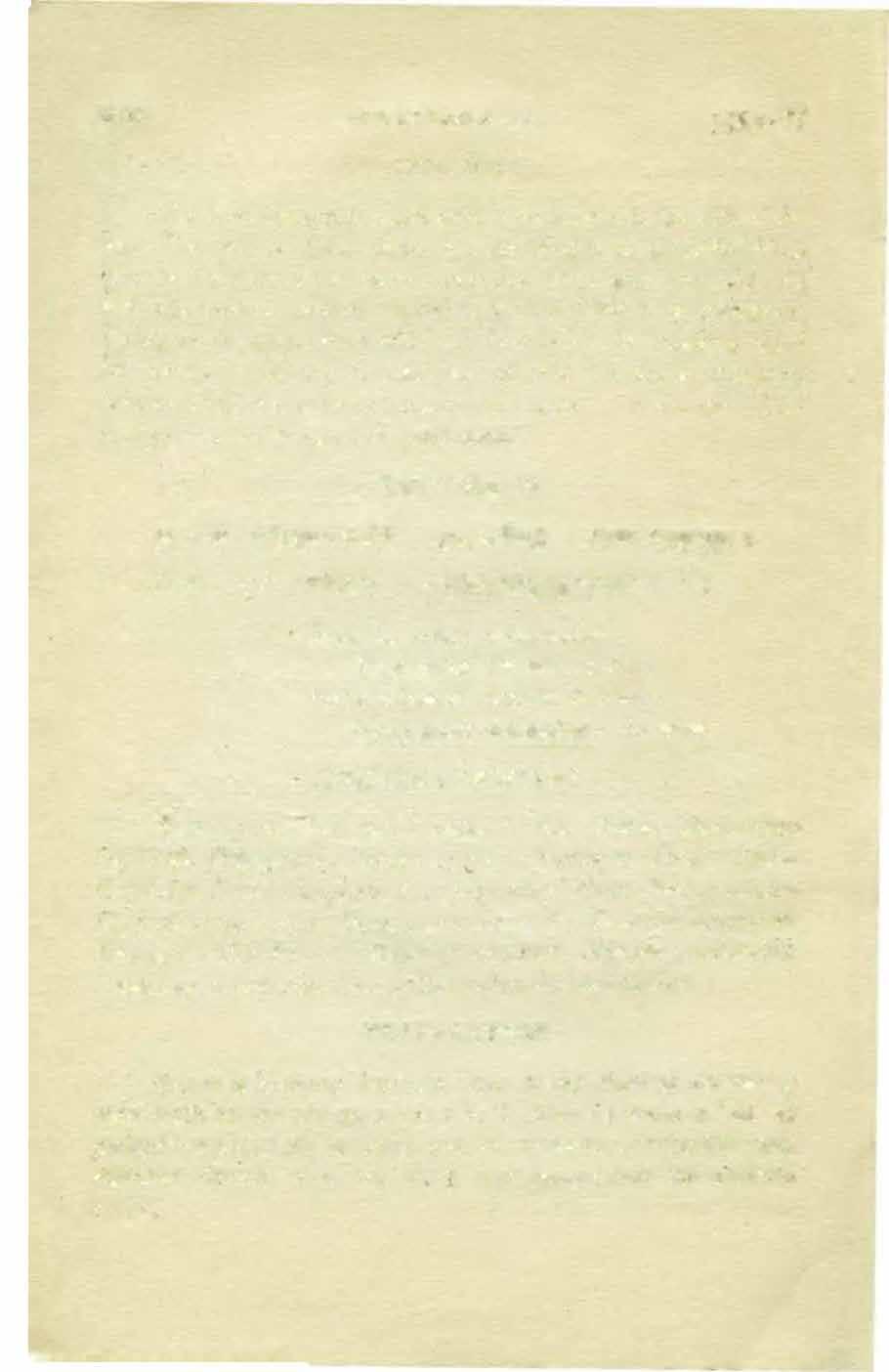
ttci � afi:1=1«r����

sr��q �qo) "St�fF.fi'�'l
Sfllf)qfq-� fc=fer �q�.'EfT: I
51"�-l+t"<n�g!";�lf� �!: u
Evam cha tasmin naradevadeve Prqyopaviste divi deva samghah
Prasasyabhumou vyakiran prasunair Muda muhur dunduhhayas cha neduh.
ENGLISHSYNONYMS
Evam-thus, Cha-and, Tasmin-in that, .Naradevadeve-upon the king's, Prayopaviste-being engaged in fasting to death, Diviin the 5ky, Deva-demigods, Samghah-all of them, Prasasya-having praised the action, Bhumou-on the earth, Vyakiran-scattered, Prasunair--with flowers, A4uda-in-pleasure, Muhur-continuaJiy, Dundubhayas-celestial drums, Cha-also, Neduh-beaten.
TRANSLATIO.N
The king Maharaj Parikshit thus being situated on fasting unto death all the demigods lh ing in the higher planets of the sky praised the action of the king and in pleasure continually they scattered flowers over the eart.J. and beaten over the celestial drums.
1168 SRIMAD BHAGWATAM [Ch. 19
C\
..
Even up to the time ofMaharaj Parikshit there were inter. planetary communications and the news of Maharaj Parikshit's fasting unto death for attaining salvation reached the higher planets in the sky where the intelligent demigods live. The demigods are more luxurious than the human being on the earth but all ofthem are obedient to the orders ofthe Supreme Lord. There is none in the heavenly planet who is an atheist non-believer. As such any devotee ofthe Lord on the surface of the earth is always praised by them and in the case ofMaharaj Parikshit they were greatly delighted and thus manifested the token of honour by scattering flowers over the earth as well as by beating the celestial drums. The nature ofa pure devotee is that he takes pleasure in seeing somebody going back to Godhead and they are always pleased upon a devotee of the Lord so much so that by their Adhidaivic powers they help the devotees in all respects and by their action like this, the Lord is pleased upon them. There is an invisible chainofcomplete co-:>peration, between the Lord, the demigods and the devotee ofthe Lord on the earth.
TEXT No. 19
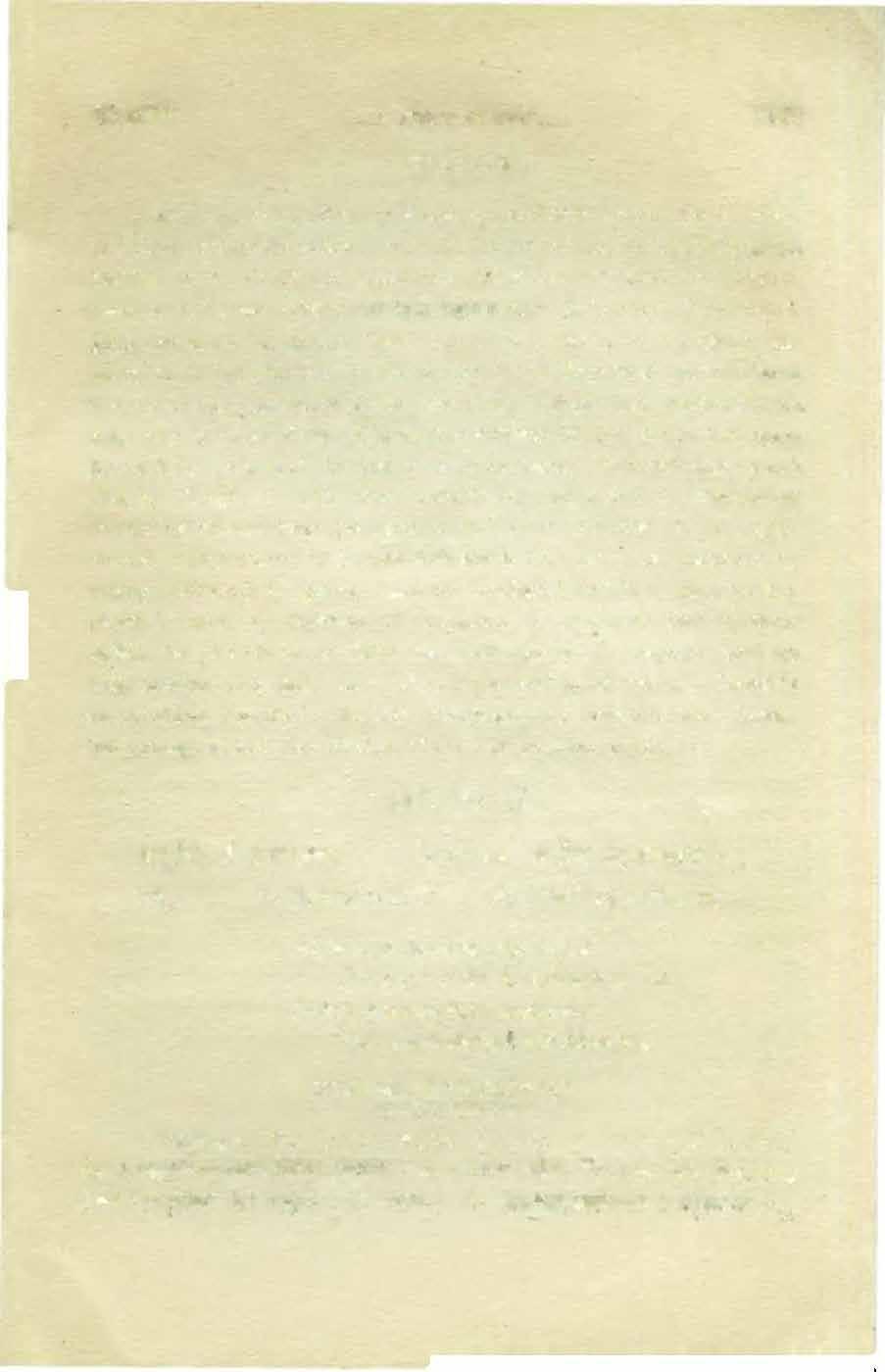
Maharsaya vai samapugatayeh
Prasasya sadhu iti anumodamanah
Uchuh prajanugraha seelasara
Tad uttamasloka Cgunabhirupam.
ENGLISHSYNONY.M:S
Maharsaya-the great sages, Vai-as a ma.tter of course, Samupagata-assembled there, Yeh -those who, Pasasya-by praising Sadhu-quite all right, Iti -thus, Anumodamanah-all approving;

Text 19] FIRSTCANTO 1169
PURPORT
q�fiilf) cl ��qrifcn tt sr��tt �T�qclt�q')tqt;:rt:• 3ii!: �TTJ��T��T'(T lfg�q��Tifi!JQfTf+r�� 1 I
Uchuh-said, Prajanugraha-doing good to the living being, Seelasara-qualitatively powerful, rad-because, Uttamasloka-One who is praised by selected poems, Gunabhirupam-as beautiful as Godly qualities.
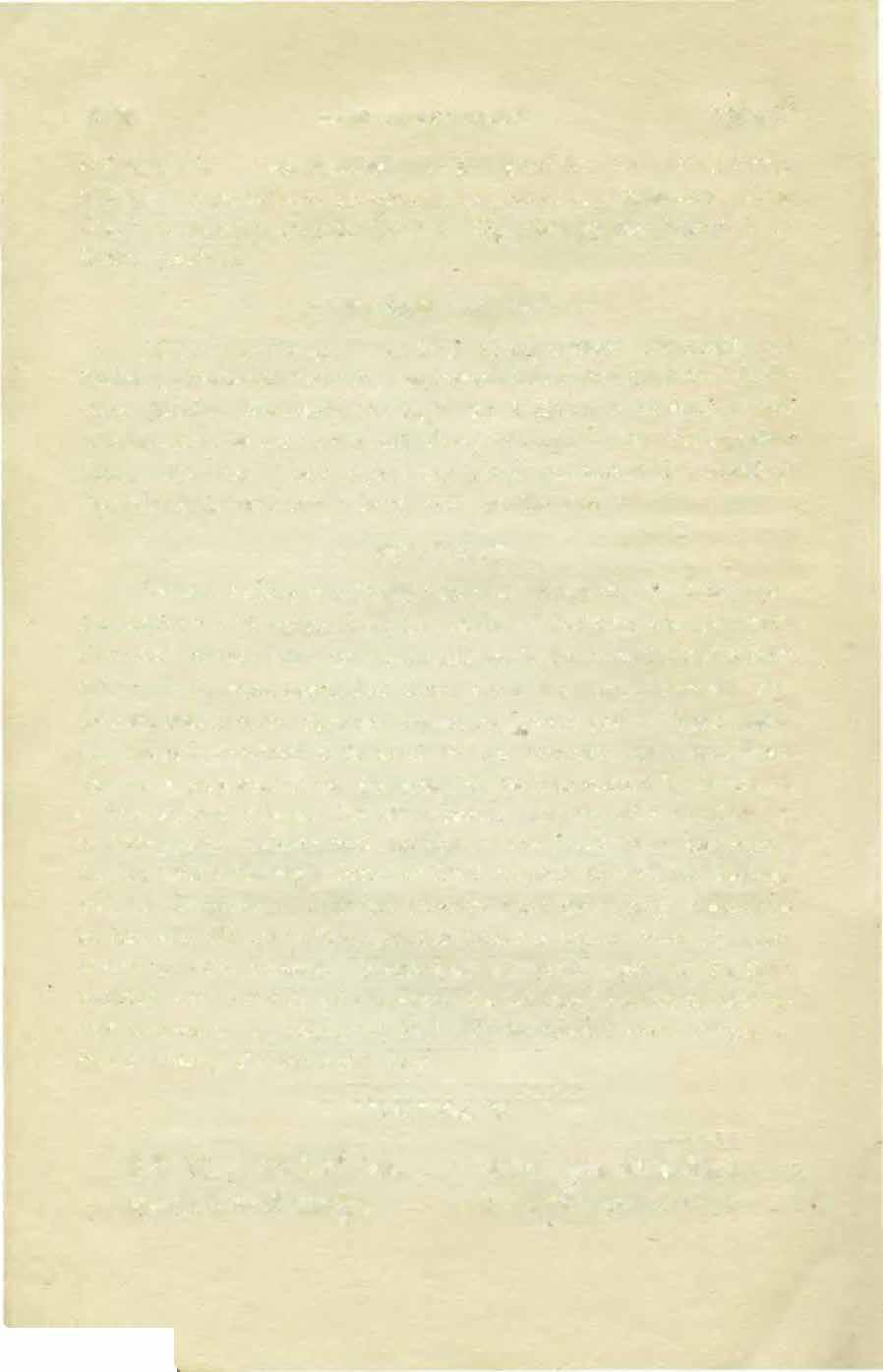
TRANSLATION
All the great sages assembled there, praised the decision of Maharaj Parikshit and they expressed their approval by saying 'very good'. Naturally the sages are inclined to do good to the common man as they are qualitatively powerful like the supreme Lord. As mch they were very much pleased to see Maharaj Parikshit a devotee ofthe Lord and said like this.
PURPORT
Natural beauty ofa living being is enhanced by nsmg upto the platform ofdevotional service. Maharaj Parikshit was so much absorbed in thematter of attachment for Lord Krishna and seeing this the great sages assembled there were too much pleased and they expressed their approval by saying 'verygood'. Such sages are naturally inclined to do good to the common man and when they see a personality like Maharaj Parikshit advanced in devotion.. al service, their pleasure knows no bound and they offer all blessings in their power. Devotional service of the Lord is so auspicious that all demigods, sages upto the Lord Himselfall become pleased with the devotee and therefore devotee finds everything auspicious for him and all inauspicious matter becomes extinct from the path ofa progressive devotee. Meetingall the great sages at the time ofdeath, was certainly all auspicious for Maharaj Parikshit, and as such a devotee like Maharaj Parikshit is blessed even by the socalled cursing ofa Brahmin's boy.

1170 SBIMAD BHAGWATAM (Gh. l9
TEXTNo. 20 itefT�- �t\il'fiSfcttff.q� tt�lfl� U:jflifi�T� 1{Cf�� Cf!lSvt�"�a�, m�) \1Yg.tll'Cft'1T�Cf\T�T: ll
FRST CANTO
Nava idam rajarshi varyachitram Bhavatsu krishnam samanuvratesu r6 adhyasanam rajakiritajustam Sadyfi.tuhur bhagawat parswakamah.

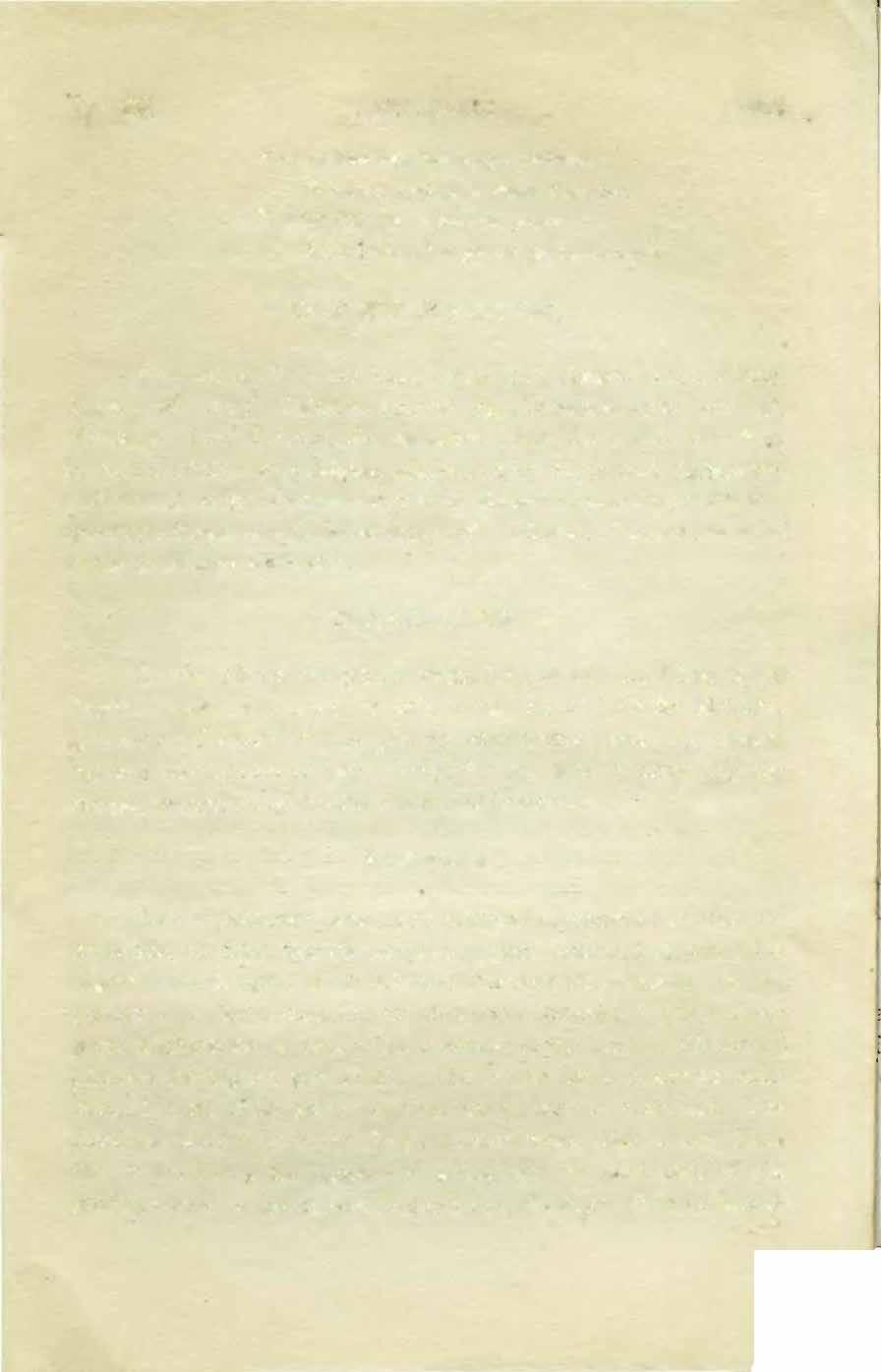
ENGLISH SYNONYMS
Na-neither, Va-likc this, !dam-this, Rajarsi-saintly king, Varya-the chief, Chitram-astonishing, Bhavatsu-unto you all, Krishnam-Lord Krishna, Samanuvartesu-unto those whoare strictly in the line of, re-who, Adhyasanam--seated on the throne, Rajakirita·helmets of kings, Justam-dtcorated, Sa&a-immediately, Juhurgave up, Bhagawat-the Personality of Godhead, Parswakama-desiring to achieve aswciation.
TRANSLATION
Oh the chiefofthe saintly kings, for you all the Kings ofthe Pandu dynasty, who are all strictly in the line of Lord Sri Krishna, it is not at aU astonishing to give up your throne which is decorated with the helmets ofmany kings for the sake ofachieving the eternal association ofthe Personality ofGodhead.
PURPORT
Foolish politicians who hold political administrative posts for sometime, do think t.hat the temporary post occupied by him is the highest materiaigain ofhis life and therefore they stick up to that postupto the last moment ofhis life without knowing it thatachievementofliberation as one oftheassociates ofthe Lord in Hiseternal abode is the highest gain oflife. The human life is meant for achieving this end of lite going back to home back to Godhead. The Lord has assured us in the Bhagwat Geeta more than many times that by achieving the success of going back to Godhead, in His eternal abodeis the highest achievement ofsuccess. Prahlad Maha-
Taxt 20]
1171
raj while praying to the Lord Nrisingah said it as follow. "Oh my Lord I amvery much afraid ofthe materialistic way of life and I am not the least afraid ofyour present ghastly ferocious feature as Nrisinghadeva. This materialistic way of life is something like grinding stone and thus we are being crushed by the great machine. \!Ve are fallen in this horrible whirlpool ofthe waves ofups and downs oflife and thus my Lord I pray at your lotus feet to call me back to your eternal abode as one ofyour servitors which is the summit liberation of this materialistic way of life. I have a very bitter experience ofmaterialistic way oflife. In whichever species oflife I have taken my birth compelled by the force of reaction of my own activities, I have very bitterly experienced two things specially namely separation from my beloved and meeting with what is not wanted by me. And to counter act them, the remedies which I undertook were more dangerous than the mischieves themselves. So I am drifted from one point to the other birth after birth and I pray therefore for giving me a shelter at yourlotusfeet.''
The Pandava kings who are morethan many saints ofthe world know the bitter results ofmaterialistic way oflife. They are never captivated by the glare of the imperial throne occupied by them and they seek always the opportunity ofbeing called by the Lord to associate with Him eternally. Maharaj Prikshit was worthy grand-son ofMaharaj Yudhisthir. Maharaj Yudhisthir timely gave up the attraction ofthe imperial throne giving over the charge of administration to his grand·son and similarly Maharaj Parikshit the grandsvn of M;jharaj Yudhisthir, gave upthe attraction of the imperial throne timely, giving over the charge of adminstration to his son Janmenjaya. That is the way ofail the kings in the dynasty because theyare all &trictly in the line of LordKrishna. As such the devoteesofthe Lord are never enchanted by the glare ofmaterialistic wayoflife and they live impartiaily unattached to he objects ofattraction ofthe false illusory materialistic way oflife. ·



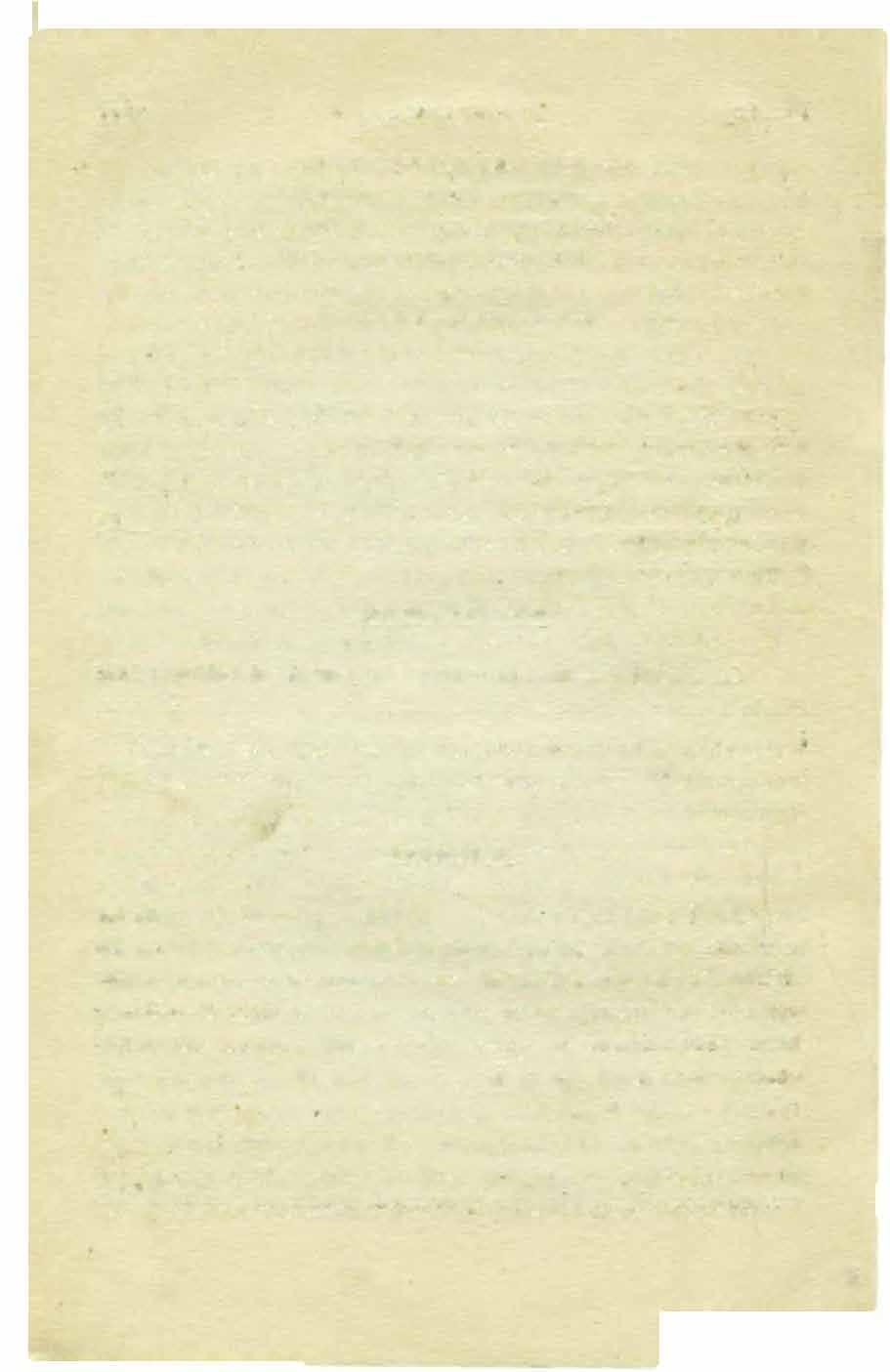
1112 SRIMADBHAGWATAM tch. 19
TEXT No. 21
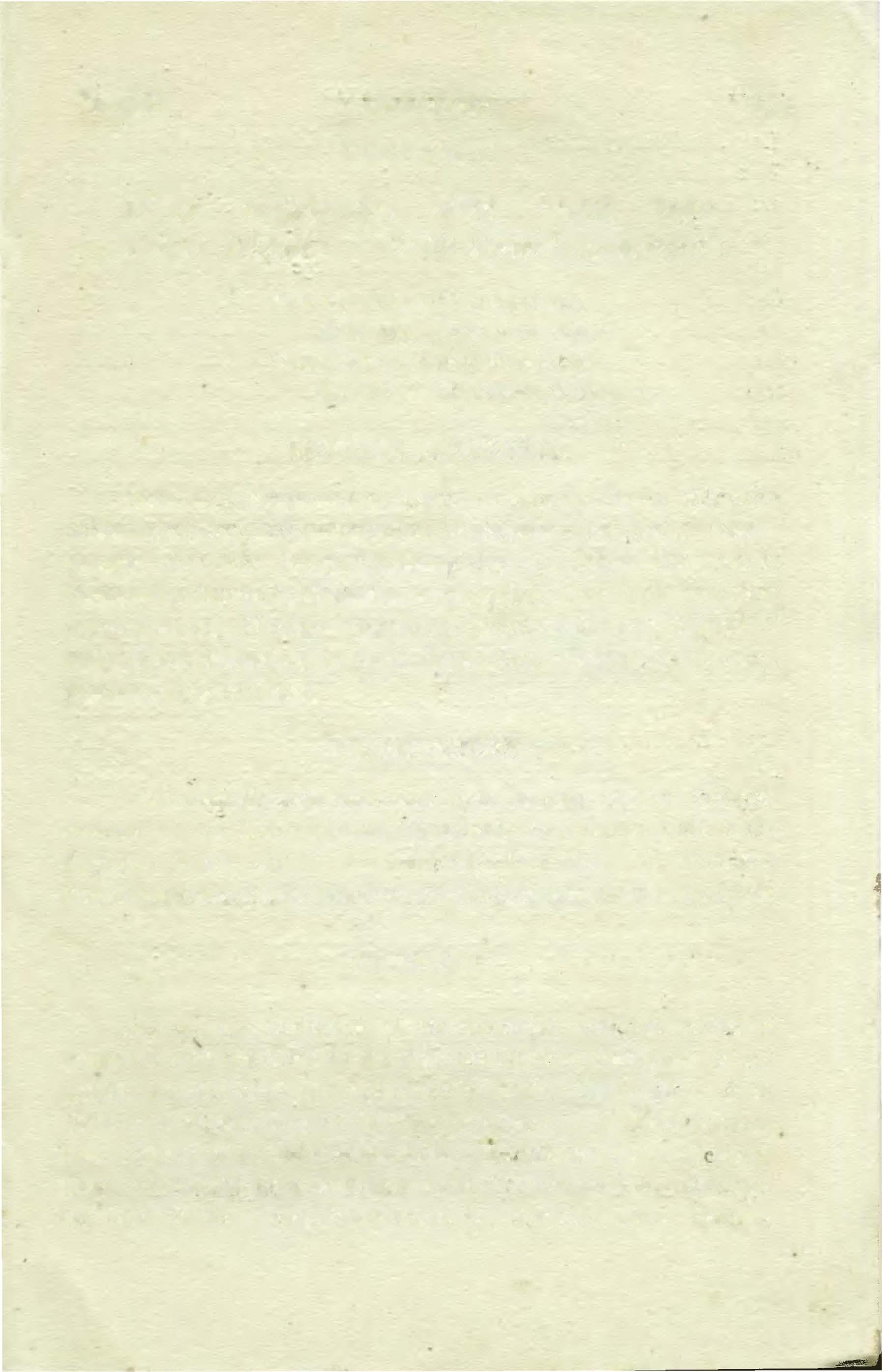
�� crll a-rcrfq:�n:q�sq !fl�Cf� lftcrcre-1 fcrQ1� 1
�)ct q� fq-��� fcr:st)� lfl�lf�lllf �TrF�'oSfett;:r: II
Sarve vayam tavat iha asmeh atha
Kalevaram yavat asou vihaya
Lokam param viraJaskam visokam
Ya.ryati ayam bhagwata pradhanaft.
ENGLISH SYNONYMS
Sarvz-all, Vtgam-ofus, Tavat-as long as, /ha--at this place Asme- shall stay, Atha-hereafter, Kalevaram-the body, Tavatso long, Asou-the King, Vihaya-giving up, Jokam-the planet, Param-the Supreme, Virajaskam-completely free from mundane contamination, Visokam-completely freed from all objects of lamentation, Ya.ryati -goes back, Ayam -this, Bhagawata -devotee, Pradhana-the foremost.
TRANSLATION
"We shall all wait and stay here as longas the foremost devotee of the Lord Maharaj Paraikshit does not go back to the Suqreme planet which is comp�etely free from all mundane contamination and also free from all kinds oflamentable objectives.
PURPORT
Beyond the limitation of the material creJtion \vhich is compared with the cloud in the sky, there is the Paravyoma or the spiritual sky full ofplanets called by the name Vaikunthas. Such Vaikuntha planets are also differently known as the P ·uru;,hcttamloka. Achyutaloka, Trivikrama Loka, Hri,hikesha Loka,K shava Loka, Aniruddha Loka, Madhava Loka, PraddumnaLoka, Samkarsan Loka, Sridhar Loka . Vasudeva Loka, Ayodhya Loka, Dwarka
Text 20] • FIRST CANTO
1173
Loka, and manyother crores andcroresofspirituallokaswherein the Personality ofGodhead predominates; andall the living entities there are liberated.souls with spiritual bodies as good as that of the Lord. There is no material contamination ; everything there is spiritual and therefore there is nothing objective as lamentable. They are full of transcendental bliss.without any birth, death1 old age or diseases. And amongst all the abovementioned Vaikuntha Lokas there is one Supreme Loka called by the name Goloka Vrindaban which is the abode of the Lord Sri Krishna and His specific associates. Maharaj Parikshit was meantforachieving this particular Lokaand the great Rishis assembled there could foresee the destination ofMaharaj Parikshit. All ofthemconsultedamongst themselvesabout the greatdepartureofthe great kingand they wanted see up to the last moment, because they would no more be able to see such great devotee ofthe Lord. When a great devotee ofthe Lord passe� away there is nothing to be lamented because such devotee was destined to enter into the kingdom ofGod ; but the sorry plight isthat suchgreatdevotees become out of our sight and therefore there is every reason to be sorryfor such disappearance ofa devotee. As the Lord is rarely to be seen by our present eyes, so also the great devotees are. The great Rishis, therefore, correctly decided to remain on the spot till the Jast moment ofthe King.
TEXT NO. 22
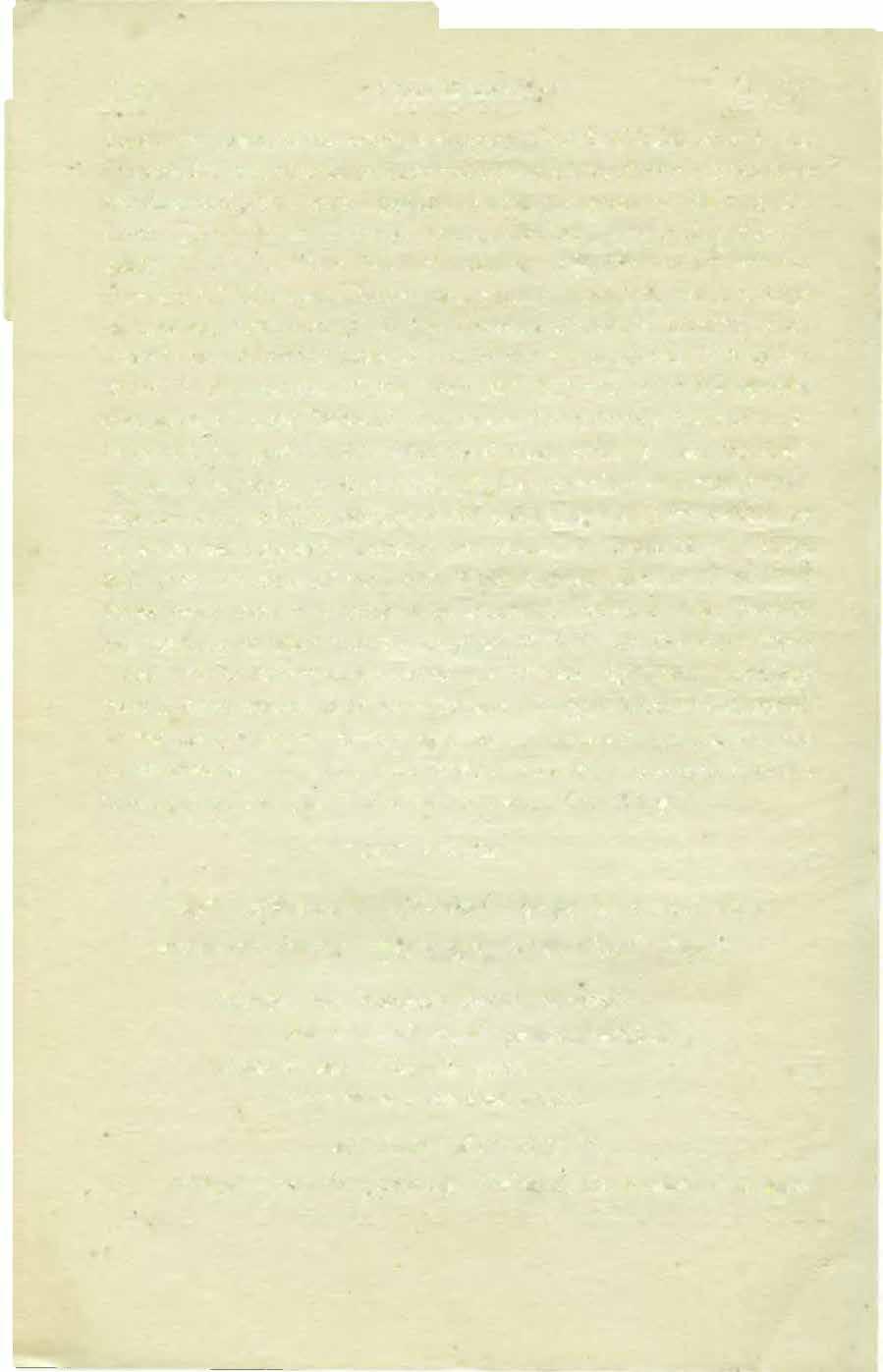
'"'��rr
q'Df�Hfq
T.fTGlf\'fJF.f)� a atqTI!{chnifflf'tt=!ll �TO!J. �P..T"ttifrur�:qf�crtf't fCftiurt: u
Ashrutya tad rishigana vachah parikshit
Samam madhuchyud guruchaavyalikam.
Abhasato enan abhinandyayuktan
Susrusomanas charitani vishnoh.
ENGLISHSYNONYMS
Ashrutya-jmt after hearing, Tad-that, Rishiganah-the sages


, " I 1174 SRIMAD BRAGWATAM Ch. 19]
�fttrrurcr:q:
����f! ��
assembled Vachas-speaking, Parikshit·-Maharaj Parikshit, Samamimpartial, Madhuch:Jud-sweet to hear, Guru-grave, Cha-also, Al!)lalikam--perfectly true, Abkasato-said, Enan--all ofthem, ruktamcorrectly represented, Susrusamanas-being desireous, Charitaniactivities of, Vishnoh-the personality ofGodhead.
TRANSLATION
All that was spoken by the great sages were very sweet to hear, full ofmeaning and appropriately represented as perfectly true. So atfter hearing them Maharaj Parikshit congratulated the great sages being desireous of hearing the activities of Lord Sri Krishna the Personality ofGodhead.
TEXTNo. 23
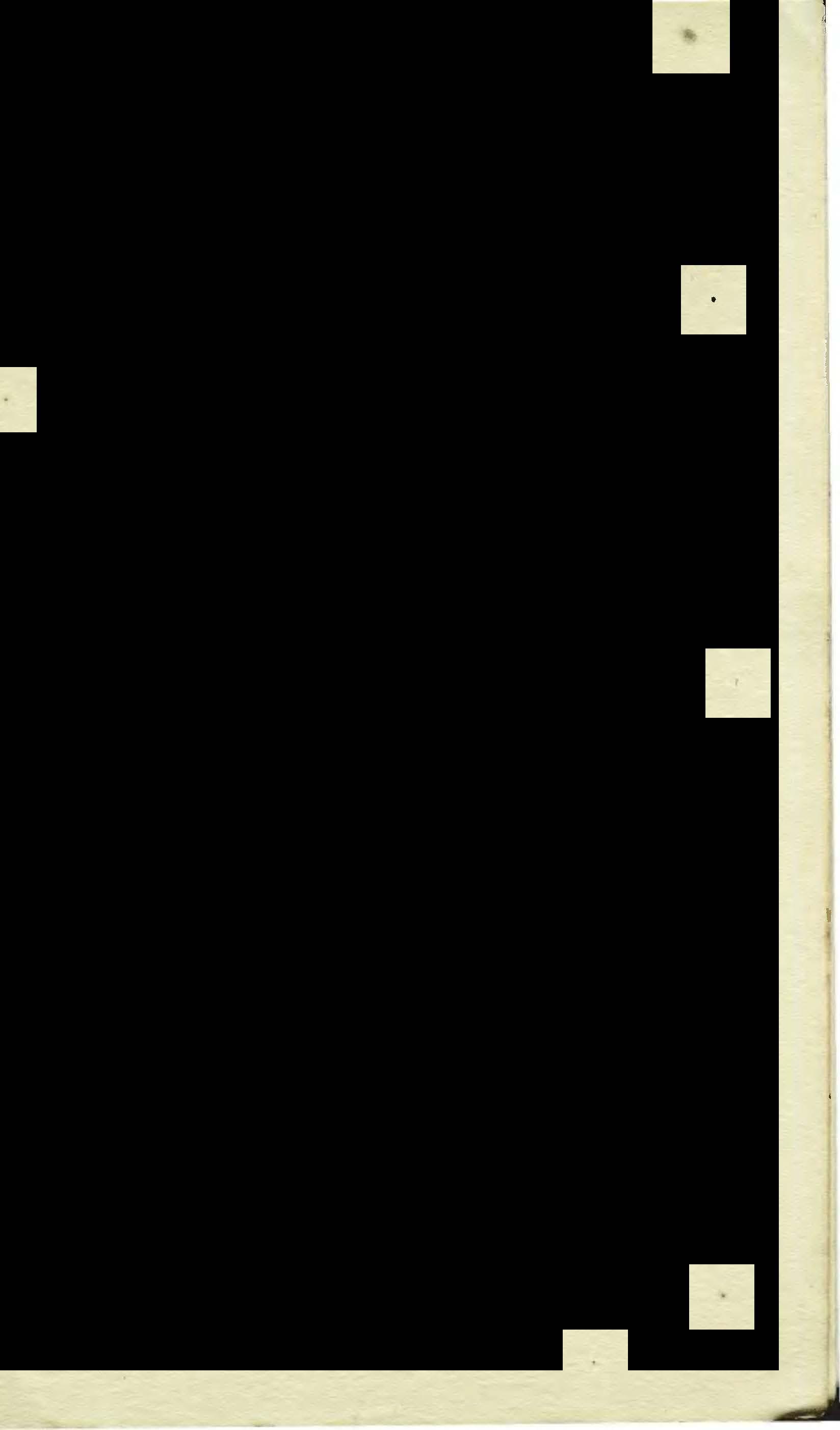

Samagatah sarvata eva sarve
Veda yatha murtidharas tripristhe Na iha na amutra kaschana artha Riteparaanugraham.atmaseelam.
ENGLISHSYNONYMS
,
Samagatah-assembled, Sarvata-from all directions, Evacertainly, Sarve-you all, Veda-knowledge supreme, ratha-as as, Murtidharas-personifi.ed, Tripristhe--in the planet of Brahma (which is situated above the three planetary system namely the upper, intermediate and the lower worlds) Na-not, lha-in this world, Atka-thereafter, Na-neither, Amutra-in the other world, Cha-'l.lso, Kaschana-anything whatsoever, Artha-interest, Ritesave and ex:cept1 Para-3thers, Anugraham-doing good to, Atmaseelam-own nature.
Text 23] FIRST CANTO ll75
�'1'T'I'fft: �cia �CJ ��ihn lf¥-tT qfcr�n:tf�q1S� • "' c. �i!T¥-tCfT� !€1 ifi�'fT� �a qU2��'1T�'f�l�� II
htht great sages you have all assembled here verykindly from an directions of the universe. You are all as good as the �ersonified knowledge supreme who resides in the planet situated above the three worlds (satyaloka). As such you are naturally in• dined to do good to others and save and except this you have no other interest either in this or in the next life.
PURPORT


Six kinds ofopulences namely wealth, strength, fame, beauty knowledge and renunciation are all originally the different attributes pertaining to the Absolute Personality ofGodhead. The living beings who are parts and parcel entities of the Supreme Being, have aJI tl-e above attributes partially up to the full strength ofseventy eight percent. In the material world these attributes of the living entities (up to the fullstrength ofseventy eightpercent of the Lord's attributes) become covered by the material energy as much the sun becomes covered by the cloud. The�coveredstrength ofthe sun rays is very dim than the original glare and similarly living beings with such attributes become almost extinct from the orig-inal colour. There are three status ofthe planetary system namely the lower worlds, the intermediate worlds and the upper worlds. The human beings on the earth are situated in the beginning ofthe intermediate worlds but living beings like the Brahma and his contemporaries do live in the upper world and the topmost ofthem isthe Satyaloka. In the Satyaloka the inhabitants are fully cogni<>ant ofthe Vedic wisdom and thus the mystic cloud ofmaterial energy is cleared offand therefore they are known as the Vedas personified. Such persons being fully aware of the knowledge mundane and transcendental they have no interest ofgain in either ofthe mundane or transcendental worlds. They are practically desire1ess devotees. In the mundane world they have nothing to achieve and in the transcendental world they are fullin themselves�

.1 176 SRIMAD BHAGWA.TAM [Ch. 19
TRANSLATION
Then why do they come over the mundane world ? They descend on different planets ail mes:.iahs by rhe order 01 the Lord w deliver the fallen souls of different planets. On the earth they come down on differer�t parts and they do goodto the people of the world in different circumstances under different climatic influence but they have nothing to do in this world save and except reclaiming the fallen souls rotting in the material existence, deluded by material energy.
TEXT No. 24

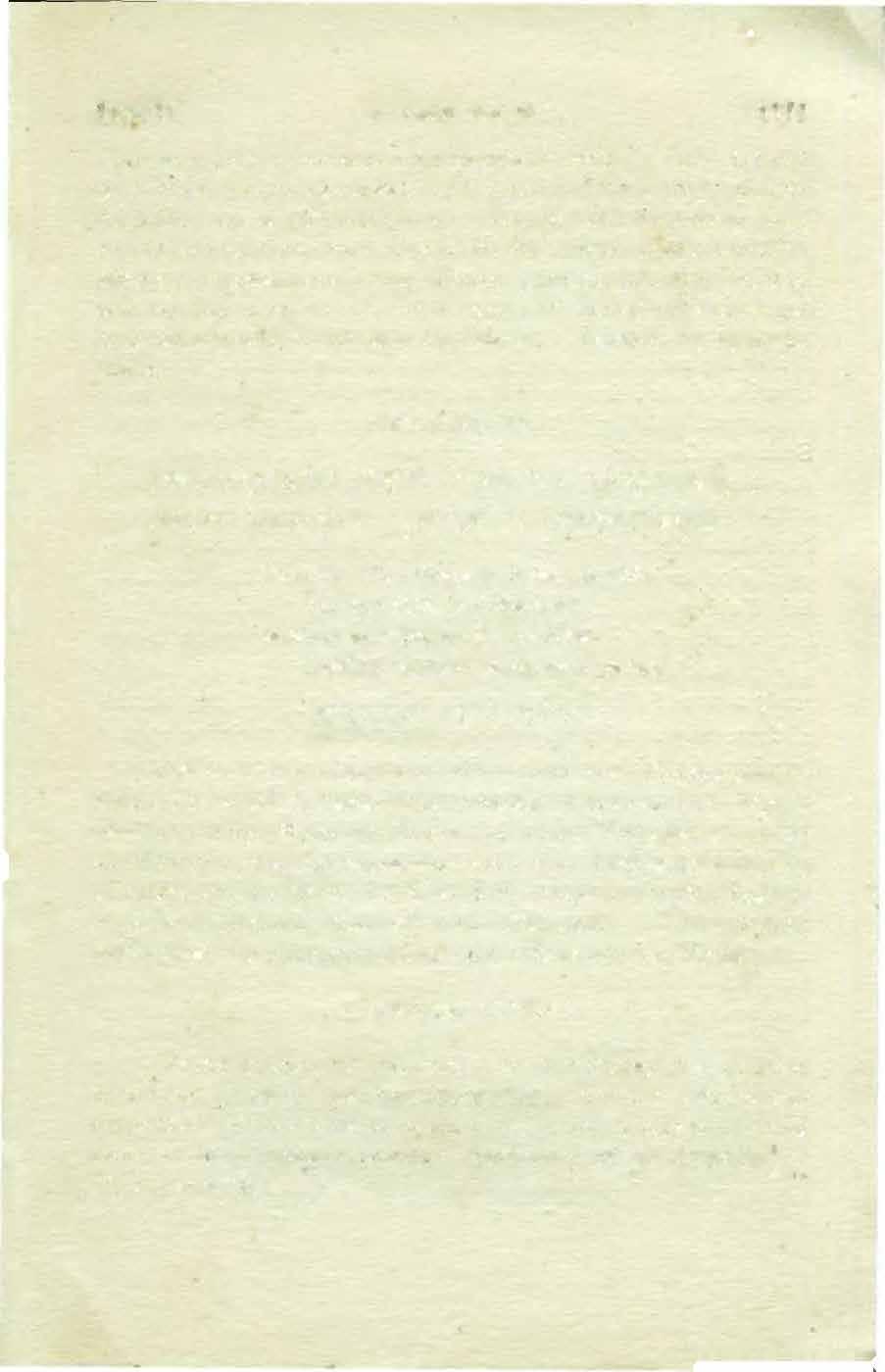
Tatas cha vah prichhyam imam 'Viprichhe
Visrarya vipra iti krityatayam. Sarvatmana mriyamanais chakriryam
Suddhamcha tatra amrisatabhi yuktah.
ENGI..ISH SYNONYMS
Tatas-as such, Cha-and, Vah- unto you, Prichhyam-that which is to be asked, Imam --this, Viprichhe-beg to a'}k you, Visravya-trustworthy, Viprah-brahmins, Iti-thus, Kriryatayam-out of all different duties, Sarvatmana-l:>y every one. Mriyamanais--especially those who are just to die, Cha·-and, Kriryam-dutiful, Suddham -perfectly correct, Cha-as well, Cha-and, Tatra-therein, Amrisatabhi-by complete deliberatbn, Yuktam-just be fitting.
TRANSLATION
Oh the trustworthy brahmins, I amjust putting the question before you all as to my immediate duty. You can, after proper deliberatioa, let me know as to what may be the unalloyed duty of every one i1. a!l circurn;tar1::::e3 a11d specifically of them who are to die immediately.



Text 24] FIRST CANTO 11 77
1 � c. c. "'
a<:�q ct: q:a��r"" fq-q::a-5 fq?..'f'i=ti fetsn �faCfi�lfat�Tq
�Cff�'f'1T f-;rt(qttJl�� CFJ�tf ��. � o$Tl,�c:Jtfff�T: It
In this verse the king has placed two questions before the learned sages. The first question is what is the duty ofevery one t all circumstances and the second question is what is the specific duty ofone who is to die very shortly. Out ofthe two the question in realation ofthe dying man h most important because every one is a dying man either very shortly or after one hundred years. The duration of life is immaterial but the duty ofa dying man is more important. Maharaj Prikshit placed these two questions before Sukhdeva Goswami also on his arrival on the spot and practically the whole of the Srimad Bhagwatam beginning from the second canto upto the last twelefth canto only these two questions have been dealt with by the great Goswami Sukdevaji, And conclusion arrived thereofis that devotional service of the Lord Sri Krishna as it is confirmed by the Lord Himself in the last phases of the Bhagwat G,eta, i(the last word in the matter ofevery one's permanent duty of life. Maharaj Parikshit was already aware of this fact but he wanted that the greatsages assembled there may unanimously give verdict upon his conviction so that he might be able to go on with his confirmed duty without any controversy between the sages present there. He has specially mentionedtheword'Suddha' orperfectly correct. Fortranscendental realisation or self.realisation many other processes are also recommended by various classes ofphilosophers. Some of them are first class method and some of them are second class or third class methods. The first class method is that one may give up all other second and third class methods and accept the first class one which is to surrender unto the lotus feet of the Lord and thus be saved from all sins and their reaction.

1178 SRIMAD BHAGWATAM [Ch. 19
PURPORT
25
';ff(qfi ei£fHf��) a\'l�"tt'm1ltfif�\'ltilg.sa-1;a'fl:q qq:agttT1TTifeffTil'TSiftt�: I c. ifm�qer({�": •t �
TEXT No.
Cf$1'f';fq�
Tatra abhavat bhagawan vyasaputra .. radr ichlzayagam atamano anapeksha

Alakshya lingo nijalava tusto vritas cha valai ravadhutavesha.
ENGLISH SYNONYAMS
Tatra--there, Abhavat-appeared, Bhagawan-powerfui, l)asaputra-son of Vyasdeva, Yadr-as as, lchhaya-one desires, Gamthe earth, Atomana-while travelling, Anapekshah-disinterested, Alakshaya-non-manifested, Lingam-symptoms, Nijalava-self achieved, Tusto-satis:fied, Vritas-surrounded by, Cha-and, Valaiby children, Abhaduta-neglected by others, Vesha-dressed.
TRANSLATION
At that time there appeared the most powerful son of Vyasadeva who used to travel on the earth disinterested and satisfied by his own achievement. He was non-manifested by any symptoms of social order and statu-i of life surrounded by children, women and dressed as ifneglected by others.
PURPORT
Tne wJrd 'Bl1agwan' is sometimes used in relation with some ofthe great devotees ofthe Lord and as Sukdeva Goswami was so he has been alsoso attributed. Such liberated souls are disinterested in the affairs of this material world because they are self-satisfied by the great actliev�mr.nts ofdevotional service. As explained before, Sukhdeva Goswaminever accepted any formal spiritual master neither did he underwent any formal reformatory performances. His father was his natural spiritualmaster because he heard ''Srimad Bhagwatam" from his great father Vyasdeva and after this he became completely self satisfied and as snch he was not dependent on any formal process. The formal processes are necessary for those who are expected to reach to the stage of complete liberation but Sri Sukhdeva Goswami was already in that status by the grace ofhis father. As a young boy he was e.tpected to be properly
Text 25] FIRST CANTO 1179
dressed but naked as he was disinterested to social customs, he was neglected by the general populace and inquistive boys and women surrounded him as ifa rejeJted madman is so surrounded. He thus appears on the scene whil.e travelling on the earth by his own accord. It appears that on the enquiry of Maharaj Parikshit fron the great sages, they were not unauimous in their decision as to what and what was to be done. For spiritualsalvation there were many prescriptions according to the dtffereut modes of dfferent persons. But the ultimate aim of life is to attain the highest perfectional stage of devotionai service ofthe Lord. As the doctors differ so also the sages differed by their different prescriptions and while such things were going on, the great powerful son ofVyasadeva appeared on the scene.
TEXT No. 26

Tam dwasta varaam sukumara pada
Kara uru bahbam sakapola gatram.
Charu ayata akaha utnasa tulya karna Subhru ananam kambu sujata kvntha.
ENGLISH SYNONYMS
Tam-him, Dwastya-�ixteen, Varsa--years, Sukumara-delicate, Pada-legs, Kara-hands, Uru,_thighs, Bahbvm-arms, Ansashoulder, Kapola-forehead, Gatram-body, Charu-beautiful, Ayata-broad, Aksha-eyes, Utnasa -hingh nose, Turya-similir, Karna-ears, Svbhru-nice brows, Ananam--face, Kambu--conchshe11, Sujata-nicely built, Kantha-neck.
TRANSLATION
The son of Vyasdeva was only sixteen years old. His legs. hands, thighs, arms, shoulder, forehead, and other parts of the

1180 SRIMAD BHAGWATAM [Ch. 19
Et ��tf· §f1=rT�I:fT{��fq�T�·�C'f)q)�qtSf'! l �TqflJoT�T;;:r���ll'��§'c;tT'l;:f ��i�To�v�, ll
-
body were all delicate. His eyes were broad and beautiful, nose raised l1ighly, the ears were similar, attractvive face, ond the neck beutifully lined up like that ofa conchshell.
PURPORT
Respectable personality is described beginning from the legs and the honoured system is observed here in the case ofSukdeva Goswami although he was only dxteen years ofage. A person is honoured by his achievements and not necessarily by advanced ages. A person can be older by experience and not by ages. Sri Sukadeva Goswami who is described herein as the son of Vyasadeva was more experienced than all the sages persent there by his knowledge although he was only sixteen years old.
TEXT No. 27

Sl�t:GJGJT� �cr;r�)�il'Tll� Il
NigudhaJakramprithu tunga bakaharn
Avarta nabhim valibalgu udara.n cha
Digambaram vaktra vikirnakesham
Pralamba bahum swamarottama ab!zam.
ENGLISH SYNONYMSt
Nigudha-covered, Jakram-coh)r bone, Prithu-··broad, Tumga-swollen, Baksham-Chest, Avarta-whirled, NabhimNaval, Valibalgu-3triped, Udaram-abdomen, Cha --also, Digambarm-dressed by all directions(naked) Vakram -curled, Vikirna -scattered, Kesham-hair, Pralamba ·--elongated, Bahum-hands Swamarottama-the best amongst the gods(Krishna) Abham-hue.
TRANSLATION
His color bone was covered with skin, chest broader and swollen, naval screw like deep aud abdomen was beautfully striped. His arms were elongated and cmlhair was strewn over
Text 21] FIRSTCANTO 1181
tif�ca��· ,�9·qcrlf{�;r,craiftf� qf�q��<l� ::q � f<i'l't:at� etct�fcrctiT���
his beautiful lace. t\nd naked although he was his hue of th«" body reflected that ofLord K1ishna.
PURPORT
The specific signs of his bodily featunes indicated his distinction from the common men. All the signs described in connec"! tion with the bodily features of Sukdeva Goswami are uncommon symptyoms of great personality according to physiognomical calculation. Hiq bodily hue represented that of Lord Krishna who is the Supnmc amongst the gods, demigods, human beings and all living beiitgs
Shyamam sada apivyvavaya amga lakshmya
Strinam manoJnam ruchira smitena.
Pratyutthitaste rnunayoh .swa asan ebhyo
Tat lnkasanqJa apigudhavarclzasam
ENGLISH SYNOi'IYAMS

Shayamam-blacki�h. Sada-always, Apivya--excessively, Vayaage, Anga-symptnns, Lakslrya -by the opulence of, Strinam-of the fair stx, Manojnam-attractive, Ruchira-beautiful, Smitena-. smiling, Pra!yutthitas---stood up, Te-all of them, Munayah-the great sages, Swa-own, Asanebl!)la-from the seats, Tat-those, LaksanaJna-�--expert in the knowledgt>, Gudhavarchasam-covered glories.
TRANSLATION
lie was bla:::>kish and very beautiful on account ofhis young age. By the glamour of his body and attractive smiling he was
I
Ch. 19
1182 SRIMADBHAGWATAM (
28 �tnq �q:Tqt(lt{�lf)S.ft��l=lfT �'Stt'GTT t:f;=f�. ���f�qa;=f I !i(�[(�a-t��:rttr: �qi���t{ta��vrit'T �fq ttm�,,
TEXTNo.
pleasing to the fair sex. Although he covcreJ hisnatural glories, the greatsages pre:;ent were all expert in the art of phyiognomy and thm they h)noured him by standing up fromtheir own seats.
TEXT 29


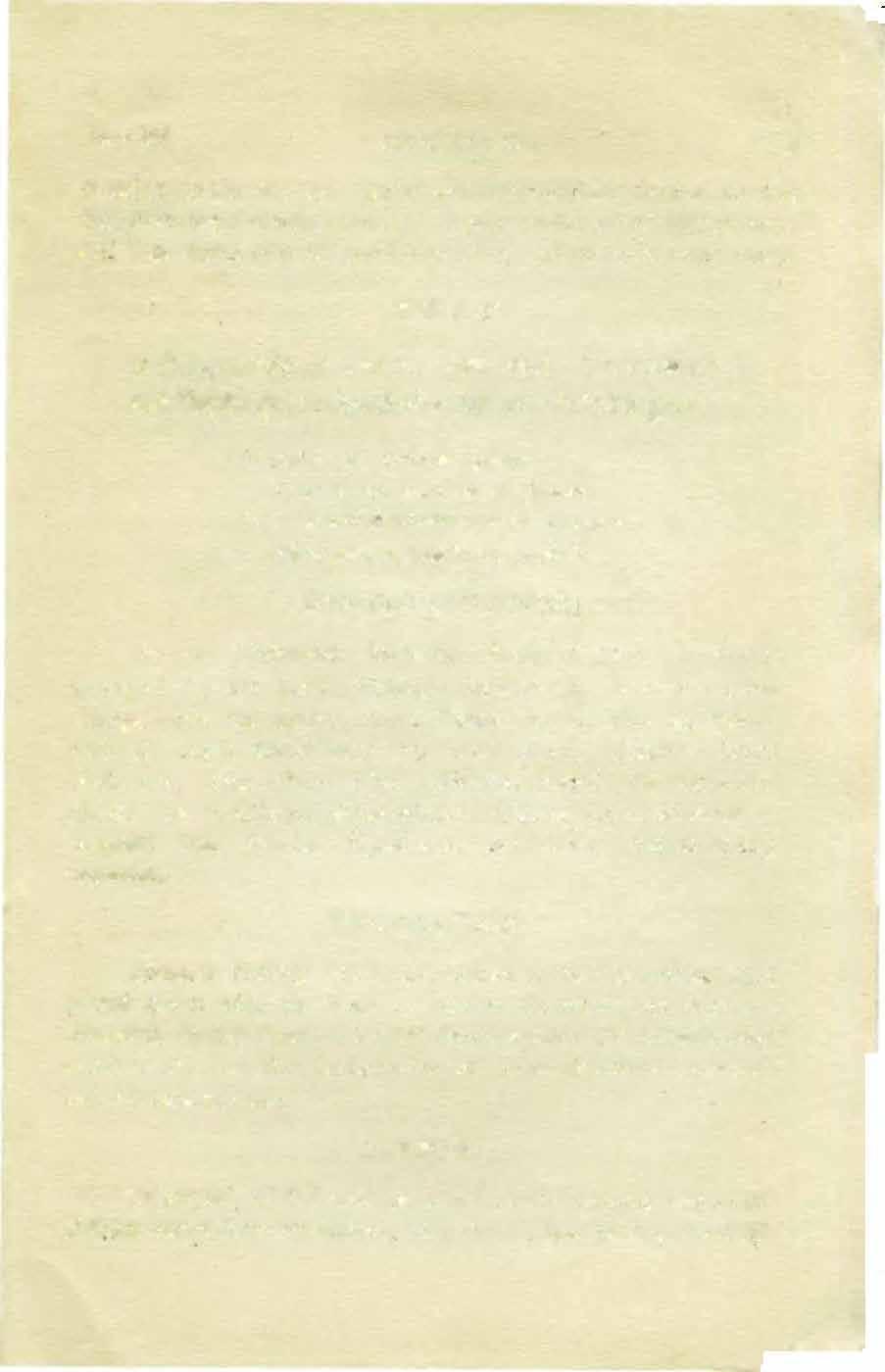
� f�'j'(Ta'TSftrqi\' �Trrtrttt ffi!q�ttlii. �1W.:tt'TSS'Jl�T� I
a'a) f;y,�y �!efT: fi:'l'ttTS�ql'T ;r�T�if �)qf��� �fifltr: II
Sa vishnurato atithaya agataya
Tasmai saparyam sirasa jahara.
Tato nivritta hi abudhah striyo arbhaka
Mahasanesa upavivesha pujitah.
ENGLISH SYNONYMS:
Sa-he, Vishnuratv-Maharaj Praikshit (who is always protected by the Lord Vishnu) , Atithaya-to become a guest, Agataya-one who arrived there, Tasmai--un tol1im, Saparyamwith all body, Sirasa-with his head down, Jahara-offered obeisances, Tato-there after, Nivritta_cea'!ed, Hi-certainly, Ahudha-less intelligent, Striya--women, Arbhaka -boys, Mahasaneexhalted seat, Sa-he, Upavisvesha·-sat down, Pujitah-being respected.
TRANSLATION
Maharaj Prikshit who is also khown as the Vishnurata, then bowed down with his head to receive the chiefguest Sukdeva Goswami. At that time all less intellgent women and boys ceased to follow him and thus being respected by all, Sukdeva Goswami took his exhalted seat.
PURPORT
On arrival of Sukdeva Goswami in the meeting every one of them except Srila Vyasadeva, Narada and few others, stood up
Text
FIRST CANTO 1183
29]
from their seats and Maharaj Parikshit wastoo glad to recejve a great devotee ofthe Lord and thus he bowed down before him with all the limbs ofhis body. Sukadeva Goswami also exchanged the greetings and reception by embrace, shaking ofhand, nodding and bowing down specially before his fatherand Narada Muni and thus he wns offered the presidential seatin the meeting. When he was so beingreceived bythe king and the sages the street boys and the less intelligent women who followed him, were struck with wonder and were affraid ofthem. So they retired from their frivolous activitie:; and everything was fi1ll of gravity clam quiteness.
TEXT No. 30
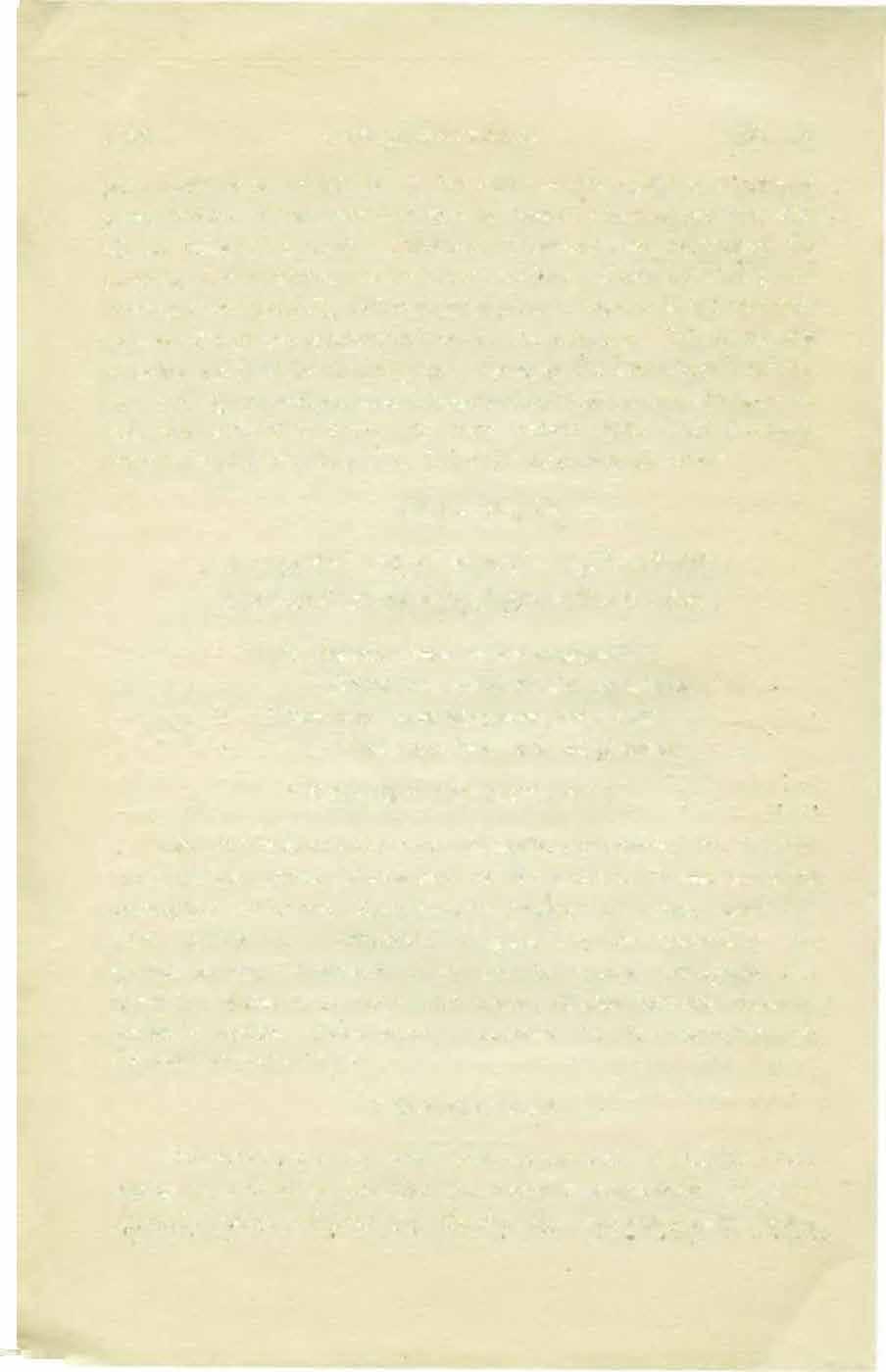
Sv samvritas tatra mahan mahiyasam

Brahmarsi ra.;arsi devarsi samghaih.
Vjarochata alam bhagawanyatha indur
Graharkha tara nikaraih �paritah.
ENGLISH SYNONYAMOS
Sa-Sri Sukdeva Go)wemi, Samvritas--surrounded by, Tatrathere, Mahan-great, k!alziyasam-of the greatest) Brahmarsi-saint among the brahmins, Rajarsi-saint among the kings, Devarsisaint among the demigods, Samghaih-by the assembaly of, J:Yarochata-well deserved, Alam-oh whatto �peak, Bhagwan-the powerful, 'Yatha-as, Jndur-the moon. Graha-planets, Rikhaheavenly bodies, Tara-stars, .Nikaraih-by the assembly of. Paritah-wrrounded by.
TRANSLATION
Sukdeva Goswami was thus surrounded by saintly sages demigads and kings just like the moon is surrounded by stars heavenly bC>dies and planets in the sky. He was gorgeously repre..
-
1184 SRIMADBHAGWATAM [Gh. 19
� tiCia"�o� l{�Tf! 'f�tlHtf ��fiSf�CffiSf��: I Qlt�)�aT� lfrrcn9:q�;:i«..��aT�tfifcti�: �ra: lt
sented in that manner and factually he was also respected by all ofthem.
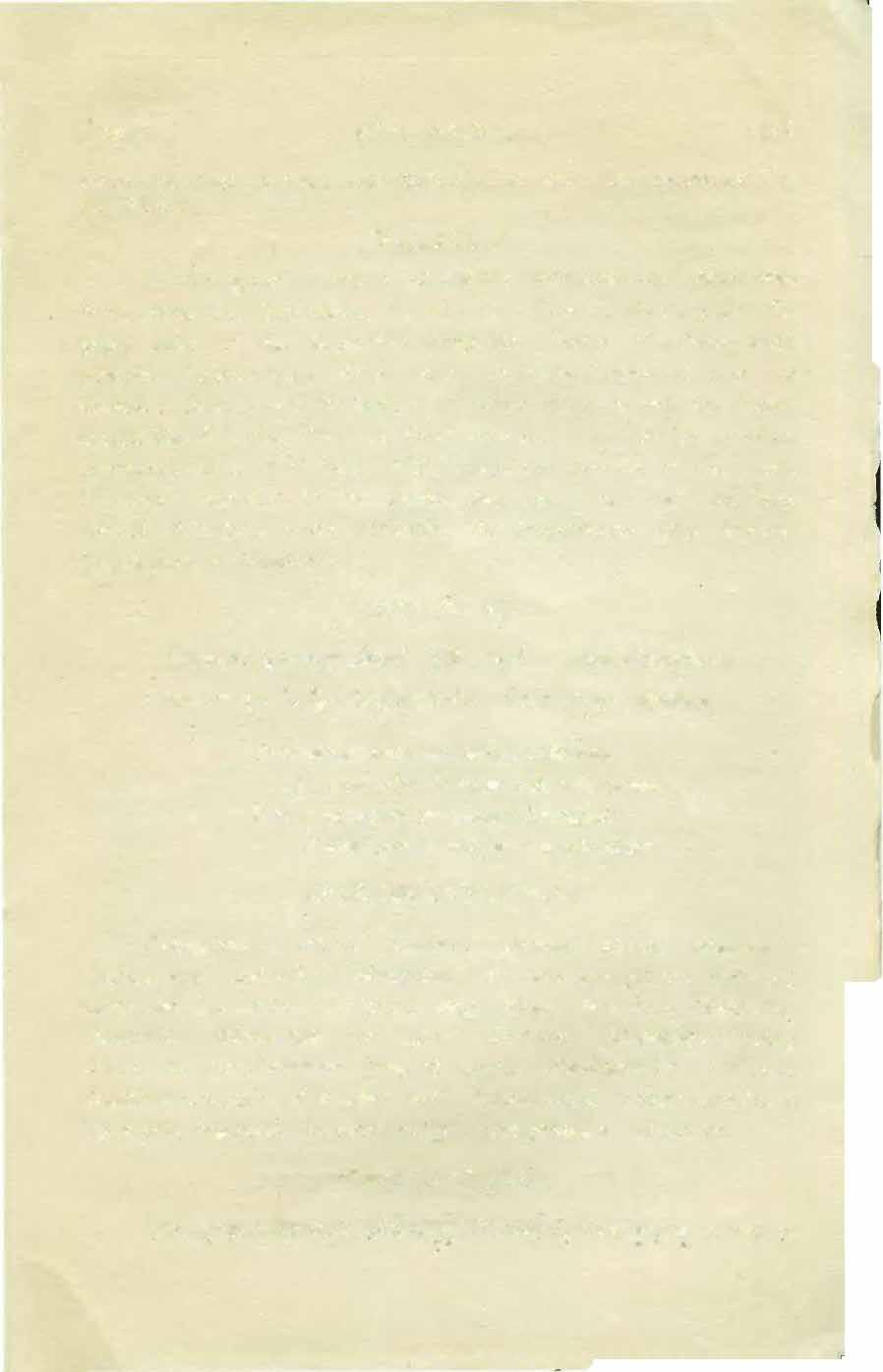
PURPORT
In the great assembly of saintly personalities, there was Vyasadeva the Brahmarsi, Narada the Devarsi, Parsurama the great ruler of the Kshatriya kings etc. Some of them were powerful incarnations ofthe Lord. Sukdtva Goswami was not known as Brahmarshi, Rajarsi or Devarsi neither he was an incar-
nation like Narada, Vyasa or Parsurama etc. And yet he excelled in respects than all ofthem. This means the devotee of the Lord
is more honoured in the world than the Lord Himself. One should therefore never minimise the importance ofa devotee like Sukedeva Goswami.
Presantam asinamakunthamedhasam lv.lunim nripo bhagawatah abhyupetya.
Pranamya murdhna avahita kritanjalir
Natwa gira sunritaya anwaprichhat,
ENGLISH SYNONYMS
Prasantam-perfectly pacified, Asinam-sitting, Akunthawithout any hesitation, Medhasam-one who has got the required brain, Munim-unto the great sage, Nripa-the king (Maharaj Parikshit) Bhagwatah-the great devotee, Abhyupetya-going nearer to him,Prananya-bowing down, Murdlma-by his head
Avahita-properly,--Kritanjali-with folded hands, Natwa-politely, by words, Sunritaya-in sweet voices, Anwaprichhat-enquired.
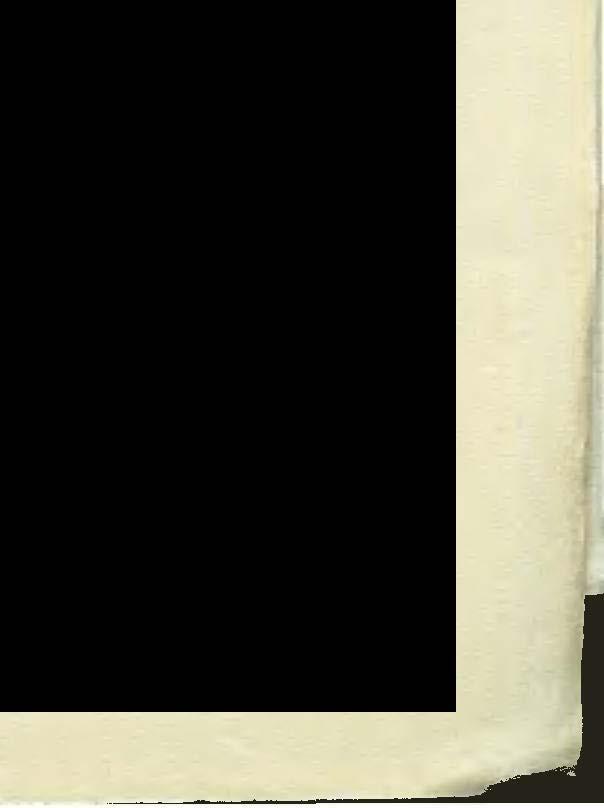
TRANSLATION
The �reat devotee Maharaj Parikshit, then going nearer tQ
Text 31 ] FIRST CANTO 1185
\
·1
Sl'�Tt=oq'T�T;:rq�vo�etti �f� ;tt) +rTrrCfo)Si=�q�tf 1 srvtl=lf '{�tthrf�a: �at�r�tt�({T frr�T �;atrTt=i:f�;;�� 11
EXT No 31
J
the sage Sri Sukdeva Goswami who was shting perfectly pacified and had the necessary brain to answer everything unhesitatingly, offered again his respects by bowing down before him and very politely enquired from him in sweet words with folded hands.
PURPORT
The gesture, now adopted by Maharaj Parikshit in the matter of questioning a master is quite befitting in terms of scri ptural injunction. The scriptural injunction h that one should humbly approch a spiritual rna-;ter f0r understanding the transc• endental sdence. Maharaj Parikshit was now prepared for meeting hi; heath and within a very short time of seven days he was to know the process of entering the kingdom of God. In such important cases only one is required to approach a spiritual master. There is no neces'lity of approaching a spiritual master unless one is110t in need of solving the problems of life. One who does not know how to put questions before the spiritual master has no business to go there. And the qualification ofthe spiritual master is perfectly manifested in the person of Sukdeva Goswami. Both the spiritual master and the desciple namely Sri Sukdeva Goswami and Maharaj Pa.rikshit attained perfection through the medium of Srimad Bhagwatam. Sukdeva Goswami learnt Srimad Bhagwatam from his father Vyasdeva but he had no chance to recite it. Before Maharaj Parikshit he recited Srimad Bhagwatam and answered the questions of Maharaj Pasikshit unhesitatingly from Srimad Bhagwatam and thus both the master and the disciple got salvation.

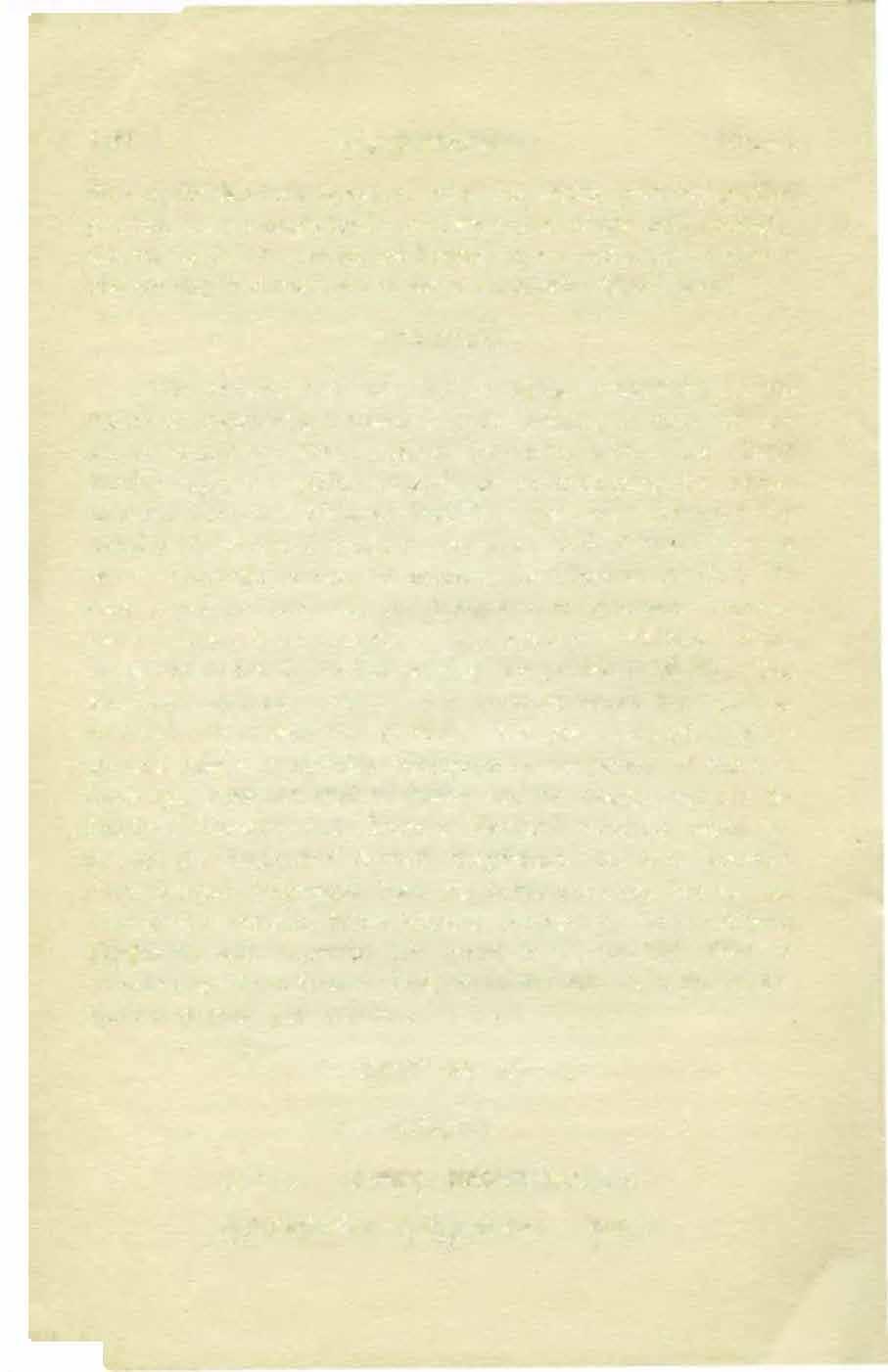
L 1186 SRIMAD BliAGWATAM [Ch. 19
No. 32 q�f&l�qf'q aT�) !R'1 'fr.i W�i �H�itfT:nGt;�q-:I �qtnf�f��q." V�Cff��'h1ifiT: ��1: t•
TEXT
FIRST CANTO


Sri Parikshituvacha
Aho adyavayam brahman satsevya khatra bandhavah


Kripayaatithirupena bhavadbhis tirthakah kritah.
ENGLISH SYNONYMS
Sri Parikshit Uvacha-fortunate Maharaj Parikshit said, AhoOh God, Acrya-to day, Vayam-we, Brahman-oh the brahmins, Satse!D'a-eligible to serve the devotee, Kshatra -the ruler class, Bandhavah-fricndq, Kripaya-by your mercy, Atithirupena-in the manner ofa great, Bhavadbhih-by your goodsdf, tirthakah-qual· ified for being pilgrimage, Kritah-done by you.
TRANSLATION
The fortunate king Parikshit sai i ''0h the Brahmin, by your mercy only you have sanctified us as pure as the place ofpilgrimage by your presence here as my guest and thereby we the unworthy royal oq_ders become eligible for serving the devotee.
PURPORT
Saintly devotee like Sukdeva Goswami general1y do not approach the worldly enjoyers and specially the royal orders. Maharaj Prataprudra was follower of Lord Chaitanya but when the king wanted to see the Lord, the Lord refused to see him because he was a king. For devotee who desires to go back to home back to Godhead two things are strictly probhibited. They are the worldly enjoyer and the woman. Therefore, devotees of the standard of Sukdeva Goswami, is never interested in seeing the king. Maharaj Parikshit was of course a different case. He was a great devotee although a kingand therefore Sukdeva Goswami, came to see him at his last stage of life. Maharaj Parikshit out ofhis devotional humbleness felt himselfas unworthy descendant of his great Kshatriya forefathers although he was as great as his predecessors. The unworthy sons of the royal
Text 32]
1187
orders are called the Khatra bandhavas as much as the unworthy sons of the Brahmins are called the dwijabandhus or hrahmabandhus. Maharaj Parikshit was very much encouraged by the presence ofSukdeva Goswarni as the king felt himselfsanctified by the presence of the great saint whose presence at any place turns it into a place of pilgrimage.
TEXT No. 33
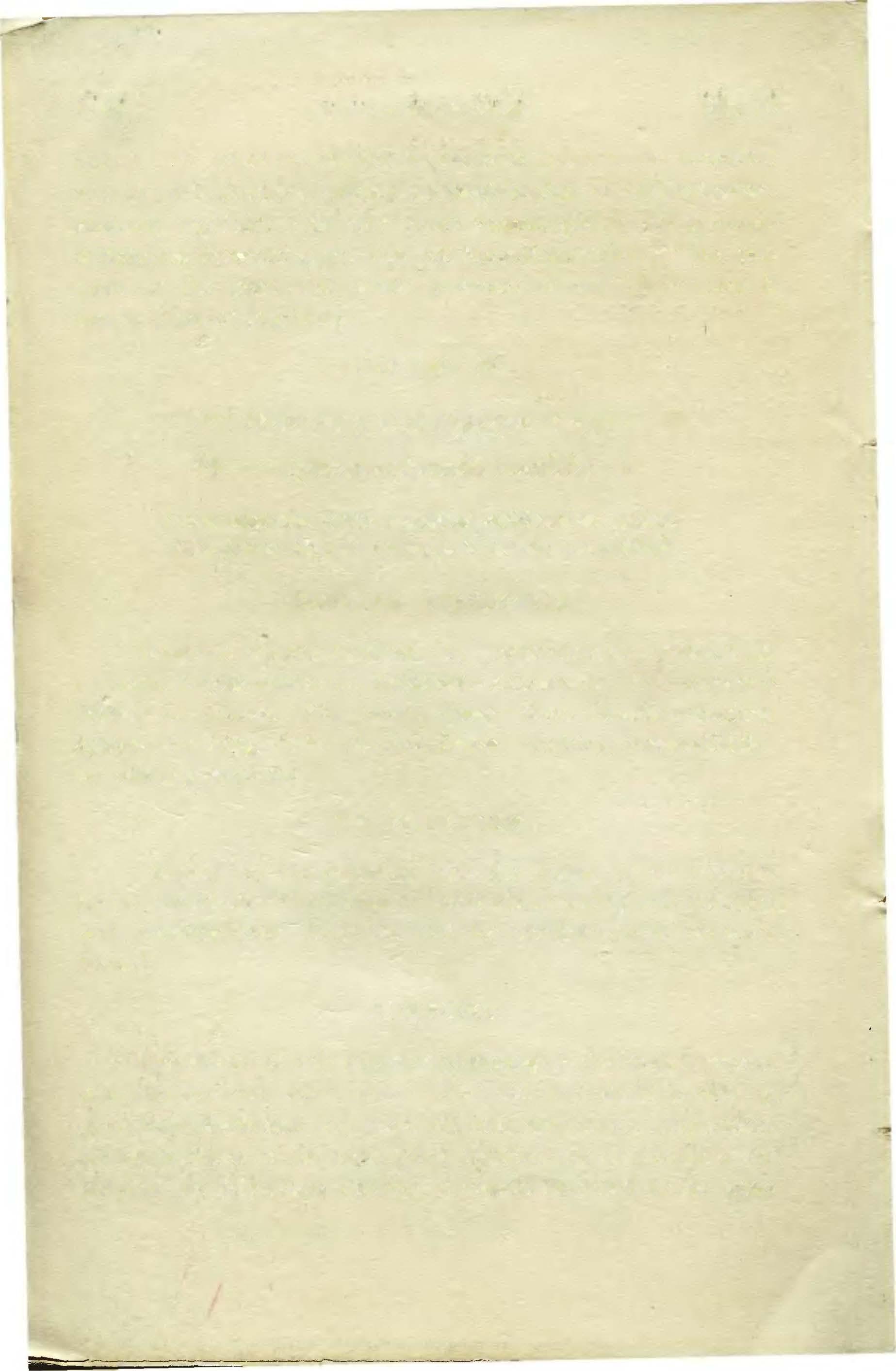
Tesam smaranat pumsam sadyah suddhanti vai grihah. Kim punar darsana sparsa pada soucha asanadibhih.
ENGLlSH SYNONYMS
Tesam -ofwhom, Smaranat-by remembrance, Pumsam_of a preson, Sarlyah-instantly, Suddhanti -cleanses up, Vai-certainly Grihah-all houses, Kim-what, Punar-then, Darsana-meeting, Spaitra-touching, Pada- the feet, Soucha-washing, Asannadibhihby offering seats etc.
TRANSLATION
<'Simply by remembering you the houses of us instantly becom sanctified. Then what to speak about seeing you, touching you. washing your holy feet and by offering you seat at one's, home?"
PURPORT
Importance ofholy places of pilgrimage is due to thepresence of great sages and saints there. It is said that sinful presons go to the holy places and they leave out their sinsthere to accumulate. But the presence of the great saints disinfect the accumulated sins and thus the holy places continue to remain sanctified by the grace
SRIMADBH.A.GWATAM (Ch. 19
1188
��q�Qfl� �·�t �U:��fia' � ��T: I
ftqi
f� �;:r�hti=f�q�qtq:�1:e{Hliftfq:f�: ll
nfthedevrtees andsaints present there. Ifsuch saints appear in the house ofworldly people, certainly the accumulated sins of such worldly enjoyers, become neturalised by such holypresene of great saints. Therefore, the holy saints actually have no self· interested business with the householders but the only aim ofsuch saints is to sanctify the housesofthe householders and the householders therefore deserveto feel grateful whensuch saints and sages appearattheirdoors. A:householder whodishonours suchholyorders ofthe society is a great offender. It is <"njoined therefore, that a house holder, who does not bow down before a saint atonce, must undergo fasting for the day inorder to neutralise the great offence.
TEXT No 34

�A'1fl�
�)
'f�Tq)f� cnactrrffl' 'f�T�qfq '
Sannid�atte mahayogin patakani mahanti api Sadyo nas'VantiVaipunsam Visknor ivc suretarah.
ENGLISH SYNONYMS
Sannidhyat-on account of proximity, Te--yow·, Mahayogin-oh the great mystic, Patakani-sins, Mahanti--invulnerable, Api-inspite of, Satb'o-forthwith, Na.ryanti-vanquished, Vai---certainly, Punsam-of a person, Visnor-like the proximity of the Personality ofGodhead, Iva-like, Suretaran-other than the demi-gods.
TRANSLATION
'lAs the atheist cannot stay in the presenmce ofthe Personality of Codhead so also invulnerable sfns ofa person are forthwith vanquished in the presence ofyou saints, oh the great mystic."
PURPORT
Thereare two classes of human beings namely the atheist and
Text 34] FIRSTCANTO 1189
'"qf.:cr i �·�j fq-wt)ftef ��a�r: u
the devotee ofthe Lord. The devotee ofthe Lord on account of manifesting godly qualilies, is called the demigod·whereas the athe• ist is called the demon. The demon cannot stand in the presence ofVishnu the Personality ofGodhead. The demons are always busy in the matter of vanquishing the Personality ofGodhead but factually as soon as the Personality of Godhead appears either by his transcendental Name, Form, Attributes, Pastimes, Paraphernalia and variegatedness, rhe unbeliever demon is at once vanquished. It is said by the common man that a ghost cannot remain as soon as the holy name ofthe lord is chanted. The great saints and devotees of the Lord are in the list of his paraphernalia; and as such, as soon as such saintly devotee is present, the ghost like sins at once become vanquished. That is the verdict ofaII vedic literatures. One is recomnwnded, therefore, to associate with such saintly devotee only so that the worldly demons and ghosts cannot ezert their dnister influence upon such associates.
TEXT NO. 35
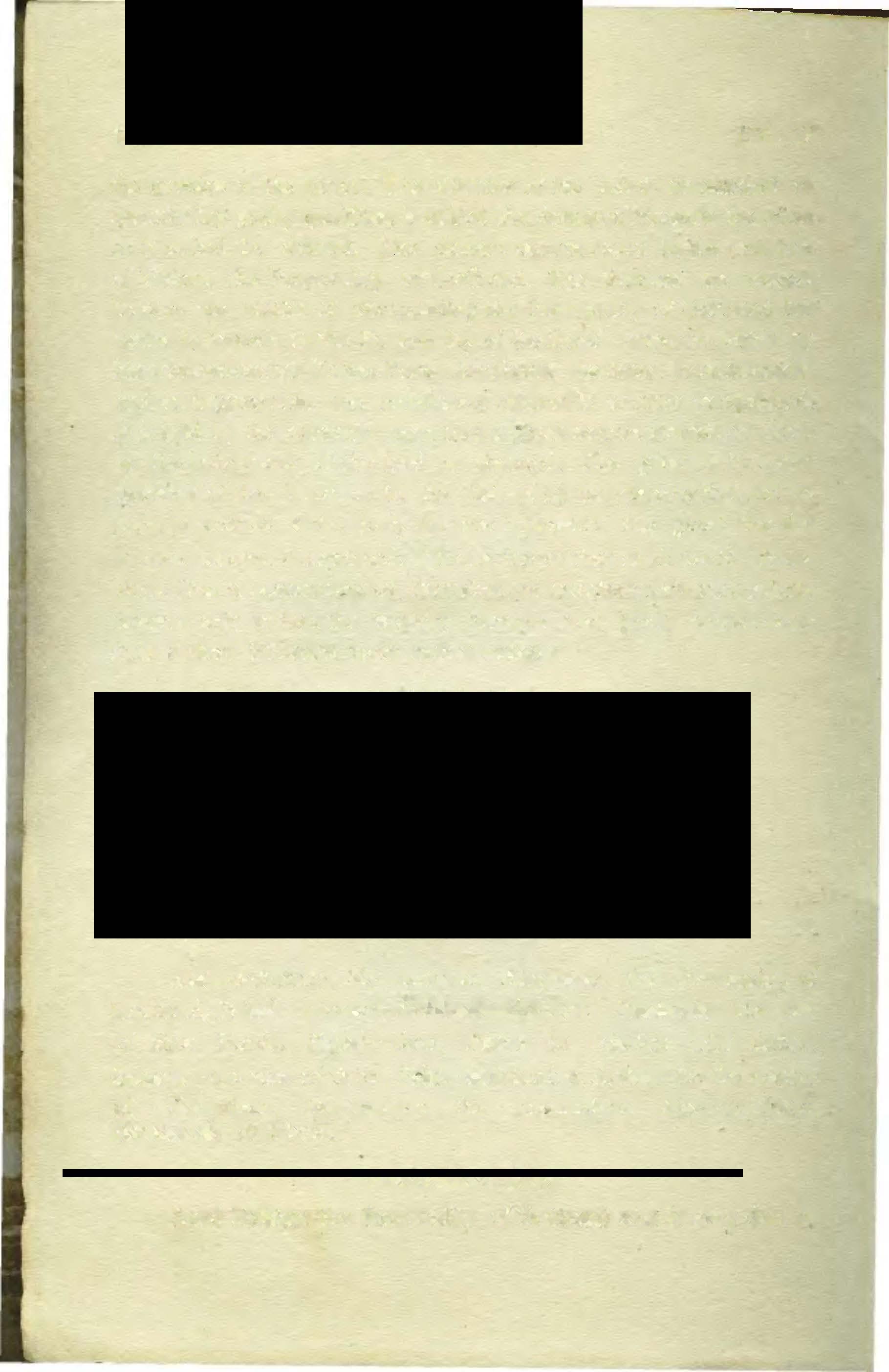
�fq it +f'fcfl'i stl�: efltiGT : qlq'!�ctf'!lf: l qa-tif(�li'l�tfq · acrrr)��ll'T��T;ercr: 1' � � '
Api me b/zagawan jJritah krishnah pandusuta priyalz
Paitri SU'asrya priti arthantadgotrasya alta bandha�ah.
ENGLISH SYNONYMS
Api-dcfinitely, Me-untome, Bhagawan-the Personality of Godhead, Pritah-pieased, Krishnah-the Lord, Pandusuta-the sons of king Pan d u, Priyah-dear, Paitri-in relation with farher, Swaseva -the sons ofsister, Ptiti-sadsf�tction, Artham--for the matter of, Tat-their, Gotrasva-of the de�cendant, Alta-accepted, Bandhavah-as fi-iend.
TRANSLATION
Lord Krishna the Personality ofGodhead who is very dear to
1190 SRnlAD BHAGWATAM [Ch. 19
sons of king Pandu; therefore; the Lord ju.;t to please his great cousin brothers has accepted me also as one ofthose relatives.

PURPORT
A pure and exclusive devotee ofthe Lord serves his family in:erest more dexterously than otherswho are too much attached to the illusory family affairs. Generally people are attached to family matters and the whole economic empetus of the human society is moving under the influence of family affection. Such deluded persons have no information that one can render better service for the family by becoming the devotee ofthe Lord. The Lord gives special protection to the members and descendants of a devotee, even such members of the devotee's family are themselves non-devotees ! Maharaj Prahlad was a great devotee ofthe Lord but his father Hiranya Kashipu was a great atheist and declared enemy of the Lord. But inspite of all these Hiranya Kashipu was awarded salvation on account of his becoming the father of Maharaj Prahlad. The Lord is so kind that he gives all protection to the family members of his devotee and as such the devotee has nothing to bother about his family members ever• if such family menbers are left aside for discharging devotional service by the devotee of the Lord. Maharaj Yudhisthir and brotherswere the sons ofKunti the paternal aunt of Lord Krishna and Maharaj Parikshit admits the patronage of Lord Krishna upon him on account ofhis becoming the onJy grandson of the great Panda.vas.
Text 36] FIRSr('.ANTO 1191
TEXT No. 36 'lt:tf�l asallGfo:rtachrr;:f�:�q ifQflii I 4 ... f.,-a-�t f-;rttiiTQ'flilfT �f«;e:�tt cr::fhrij: 11 Anyatha te avyaktagaterdarsanarn nah katham nrinam Nitaram mriyamananam samsiddhasya vaniyasah.
ENGLISH SYNONYMS
Anyatha-otherwise, Te-your, A17aktagater-of one whose movements are not visible, Darsanam-meeting, Nah-for us, Katham-how, Nrinam-of the people, Nitaram-specifically, Mriyamanan-ofthose who are about to die, Samsiddhasya-of one who i5 all perfect, Vaniyasah -voluntary apperance.


TRANSLATION
Otherwise (without being inspired by Lord Krishna) how couldyouvoluntarilyappearhere, althoughyou are movingincognito for the common man and what to speak ofus who are on the verge ofdeath.
PURPORT
The great sage Sukdeva Goswami was certainly inspired by Lord Krishna to appear voluntarily before Maharaj Parikshit the great devotee ofthe Lord just to instruct him the teachings ofSrimad Bhagwatam. One can achieve the nucleus of devotional service of the Lord by the mercy of spiritual master and the Personality of Godhead. The spiritual Master is the manifested representative of the Lord to achieve the ultimate success. One who i� not authorised by tbe Lord cannot become the spiritual master. Srila Sukdeva Goswami is the authorised spiritual master and as such he was inspired dy the Lord to appear beforeMaharaj Parikshit just to instruct him the teachings of Srimad Bhagwatam. One can achieve the ultimate success ofgoing back to home back to Godhead if he is favoured by the Lord by sending His true representative. As soon as a true representative ofthe Lord is met with by a devotee of the Lord, he is assured a guarantee tor going back to Godhead jmt after leaving the present body. This, however, depends on the sincerity of the devotee himself. The Lord is seated at the heart ofall living bei�gs; and as such he knows very well the movements of
1192 SRIMAD BHAGWATAM
19
[Ch.
all individual persons. As soon as the Lord finds it that a particular soul is very eager to go back to home back Godhead, the Lord at once sends his bonafide representative to such sincere devotee. The sincere devotee is thus assured by the Lord for going back to Godheed. The conclusion is that to get the assistance and help of the bonafide spiritual mas�er, :means to receivethe directhelpoftheLordHimself.
TEXT No. 37


Atah prichhami sansiddhimyoginam jJaramamgurum Purusa.rya iha yat karyam mriyamnasya sarvatha.
ENGLISH SYNONYMS
Atah-therefore, Prichhami-beg to enquire, Samsiddhimthe way of perfection, Toginam-of the saints, Paramam-the Suprrme, Gurum-the spiritual master, Purusasya-of a person, lha-in this life, Tat-what ever, Karyam-duty, Mriyananasyaofone who is going to die.

TRANSLATION
''You are the spiritual master ofgreat saints and devotees. I am therefore begging to enquire from you the way ofperfection for all persons and specially fer one who is just going to die.
PURPORT
Unle�s one is not perfectly anxious to enquire about the way ofperfection, there is no necessity of approaching a spiritual master. A spiritualmaster is not akind of decoration for the householders. Generally the fashionable materialist engages a so-called spiritual master without any profit. The psuedo-spiritual master
text. 37) FIRST CANTO 1193
�a: 'Jiii�Tfq fff�f� lf)fq;:rf q�q ��'! I ��f{��� tr�Cfltd'. f1Jfltq'lQT�lf �cf�T ll
flatters the so-called disciple and thereby both the master and ward go to hell without any doubt. JVfaharaj Parikshit is the right type of disciple b<'cause he puts forward questions vital to the interest ofall men &'enerally and particularly for the dying men. The question put forward by Maharaj Parikshitisthe basic princi· pie of the complete thesisof 'Srimad Bhagwatam' and let us see how inteolligently the great master replies them one after another.
TEXT No. 38
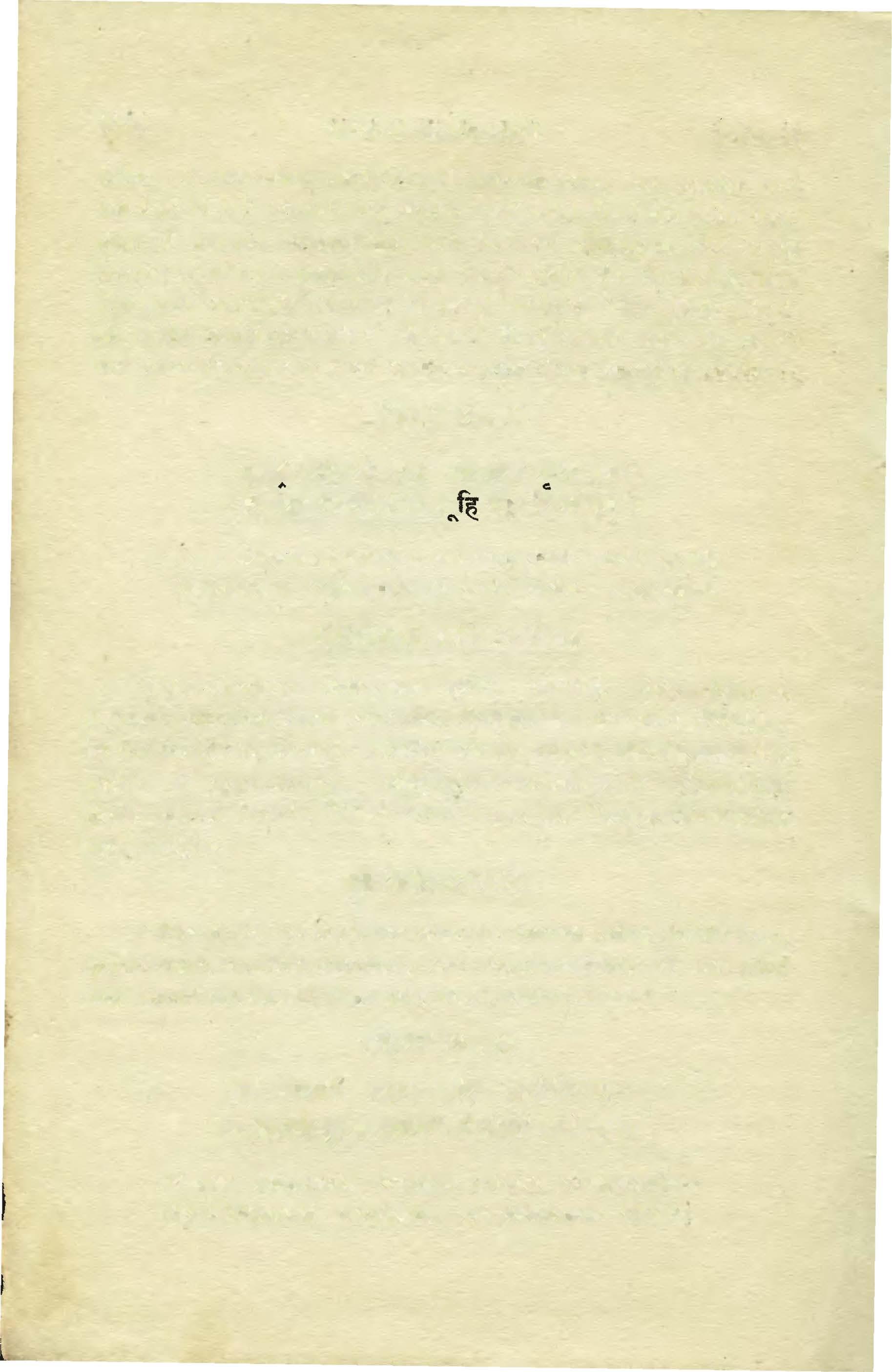
lf:O�)�olfq�) 'iftlf lf���sti ;:rf;rsr;t)1
�l=f�oti 1f�o:r1liefTv lfii:T fq-qqlf'! 11
Tat srotavyam at!wjapyanyat karfaVJam nribhihprabho
.Smartavyam b/zajaniyam va bruhi )Iadva viparyayam.
ENGLISH SYNONYMS
Tat-whatever, Srotazryam-worth hearing, Atho-there of, Japyam-chanted, fat-what also, Karla12Jiam-executed, Nribhihby the people in general, Prabho-oh the master, Smarta12Jiam-that which is remembered, Bhajanryam-worshipable Va-either, Bruhi-please explain, Tadva-what it may be, Viparyayam-against the principle.

TRANSLATION
'·Please also let me know what the human being should hear, should chant should remember, and should worship as also what they should not do, all these may be explained to me."
TEXT No. 39 '!��llCfff) ��'! ��� �QitfttfiT� I if��q� �qf�Tttqfqtr)�)�;:f i:fqf¥{� ll
Nunam bhagawato brahman grilzesu gtihamedhinam
Na laks!Jyate hi avastlzanam api godahanam kachit.1
1194 Sl.UMADBHAGWATAM: rch. 19
,. ..
Nunan-because, Bhagawato-ofyou the powerful, Brahmanoh the brahmin, Grihesu-in the houses, Grihamedhinam-of the householders, Na-not, Laksate-is seen, Hi-exactly, Avasthana :1staying in, Api-even, Godahanam -milking the cow, Kachitrarely.
TRANSLATION

"Oh the powerful Brahmin, because you hardly stay up to the time of milking the cow in the houses ofthe householders."

PURPORT
Sajnts and sages in th11:ro1ounced order oflife, do go to the houses ofthe householders at the timeof milking the cow early in the morning expecting some quantity of milk for subsistence. A pound of milk fresh from the milk bag of a cow is sufficient to feed an adult with allvitamin values derived from food and therefore saints and sagesvvould live only on drinking milk. Even the poorest ofthe householders would keep at least ten cmvs, each delivering five to ten killo mete1sof milk and therefore no body would hesitate to spare a few pounds of milk for the mendicants. Itis duty ofthe householders to mintainthe saints and sages like the childern at home. So a saint like Sukdeva Goswami would hardly stay at the house of the householders for more than five minutes in the morning. In other wonhsuch saintsare very rarely seen in the house ofhouseholders ami Mahara Parikshi therefore prayed for instructing hi mabout his questions as soon as possible. The householders also slwuld beintilligent enough to get some informations from the visiting sagrsinthematter of transcendental subject. The householder may not foolishly ask a saint to deliver which is available in the market. That is the reciprocal relation between the saints and the householders,
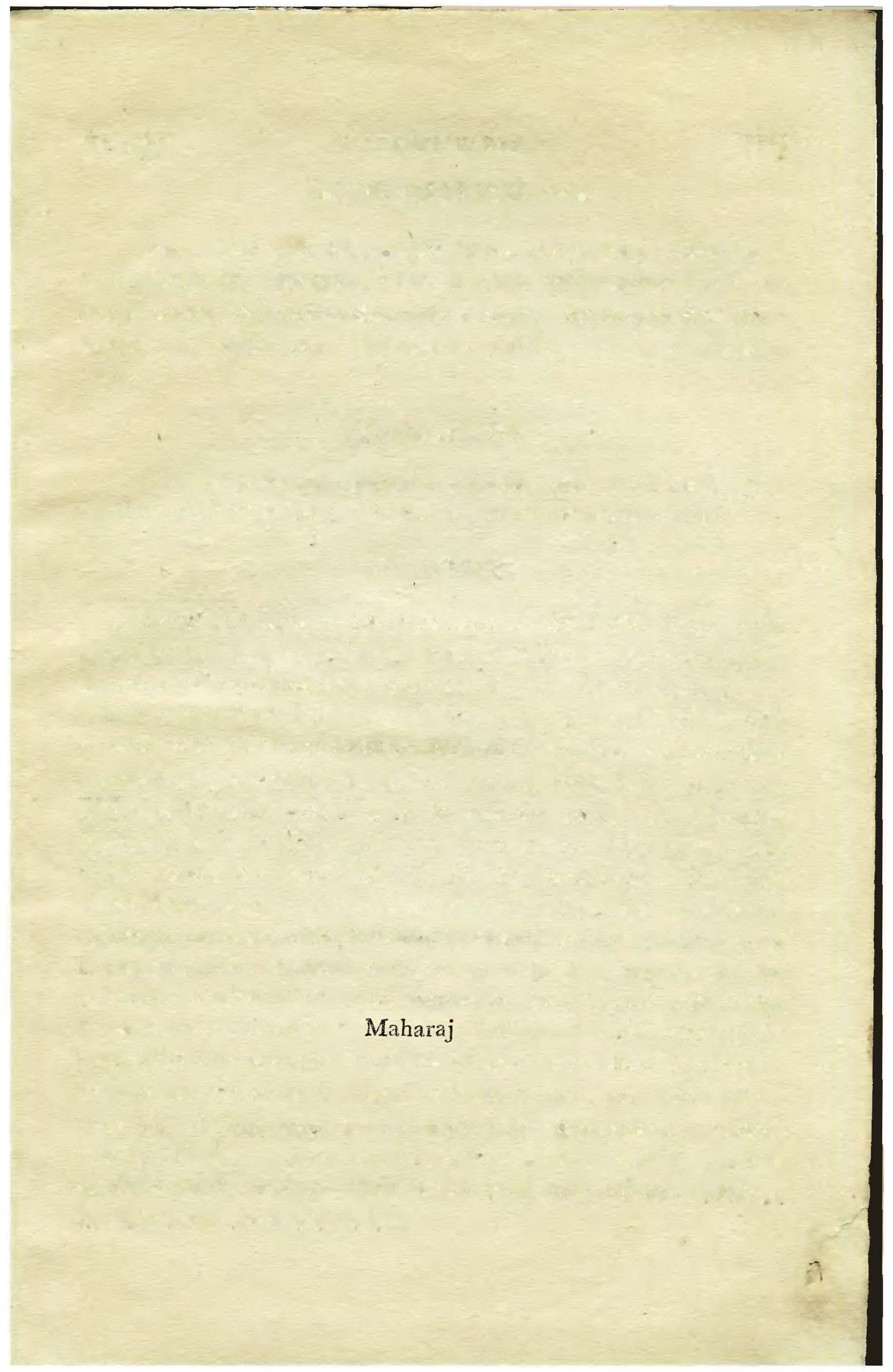
Text 3g] FIRSTCANTO 1195
ENGLISH SYNONYMS
(Ch.
TEXT No. 40

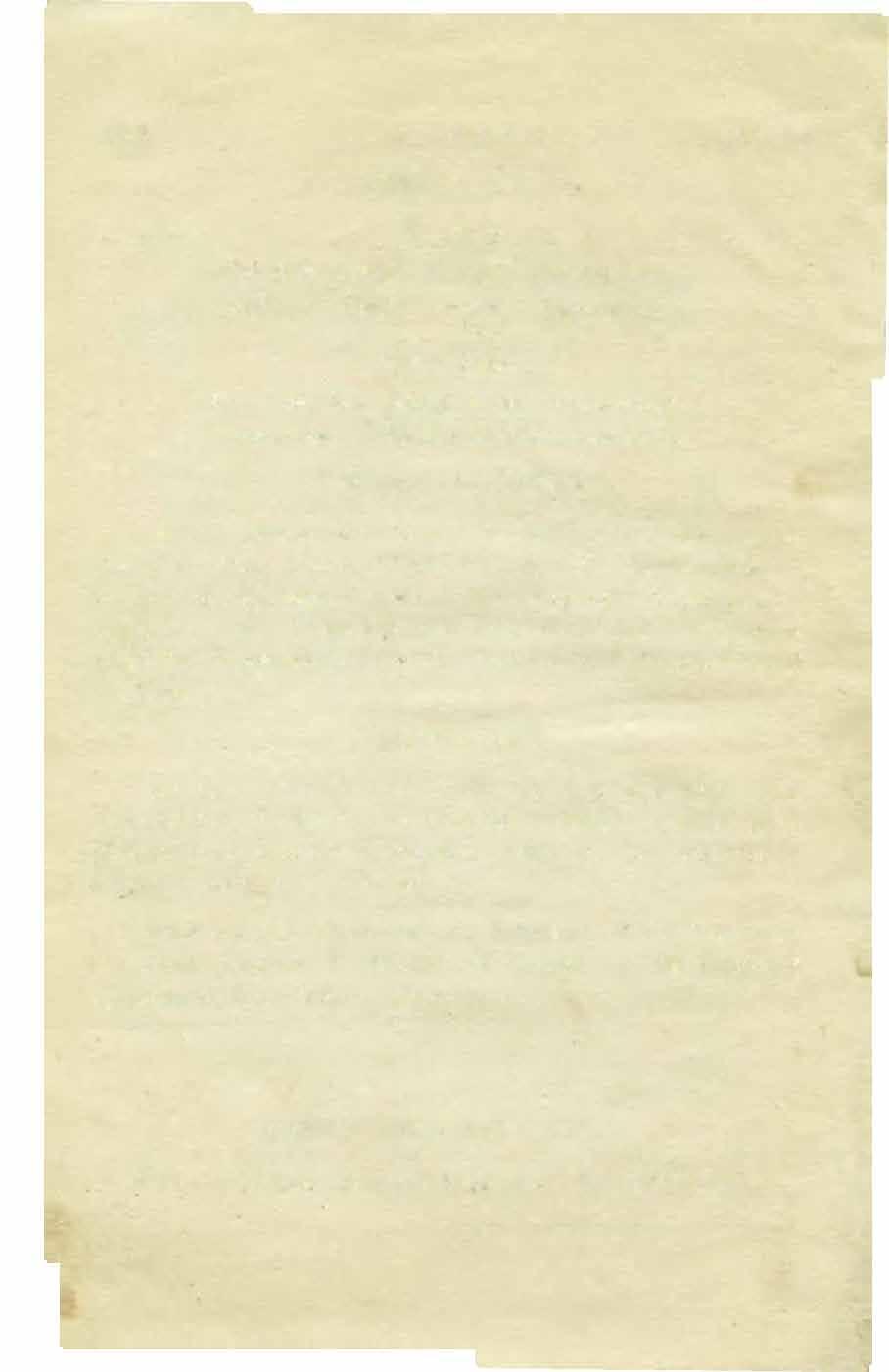
��crr:q:
�q"qT�Tffnl' '!�: � �TflT ���'Gflfr f'TU 1 stttr+nf!{a �qfl) wrrcn� GTT��tllfvr: ,,
Sri Suta Uvacha : Ebam abhasitah pristah sa rajna slakshnayagira Pratyabhasata dharmajna bhagawan vadarayanih.
ENGLISH SYNONYMS
Sri Sura Uvacha-Sri Suta Goswami said, Ebam-thus, Abhasitah-being spoken, Pristah-and asked for, Sa-he, Rajnaby the king, Slakshnaya-by sweet, Gira-language, Pratyabhasatabegan to reply, DharmaJna-one who knows the principles of religiosity, Bhagwan-the powerful Personality, Vadarayani-son of Vyasdeva.
TRANSLATION
Sri Suta Goswami said, When the .king thus spoke and enquired from the sage in very pleasing language, then the great powerful Personality son ot' Vyasdeva, \·vho knew the principles of religiosity, began to reply as follows.
Thus end the Bhaktivedanta Purports of the First Canto Nineteenth Chapter of 'Srimad Bhagwatam' in the matter of Appearance of Sri Sukdeva Goswami.
END OF THE FIRST CANTO
(In three Volumes February 1965 on the Vyas PujahDay)
r1196
SRIMAD BHAGWATAM
19















































































































































































































































































































































































































































































































































































































































































































































































 By A Brahmin By.
By A Brahmin By.
















































































































